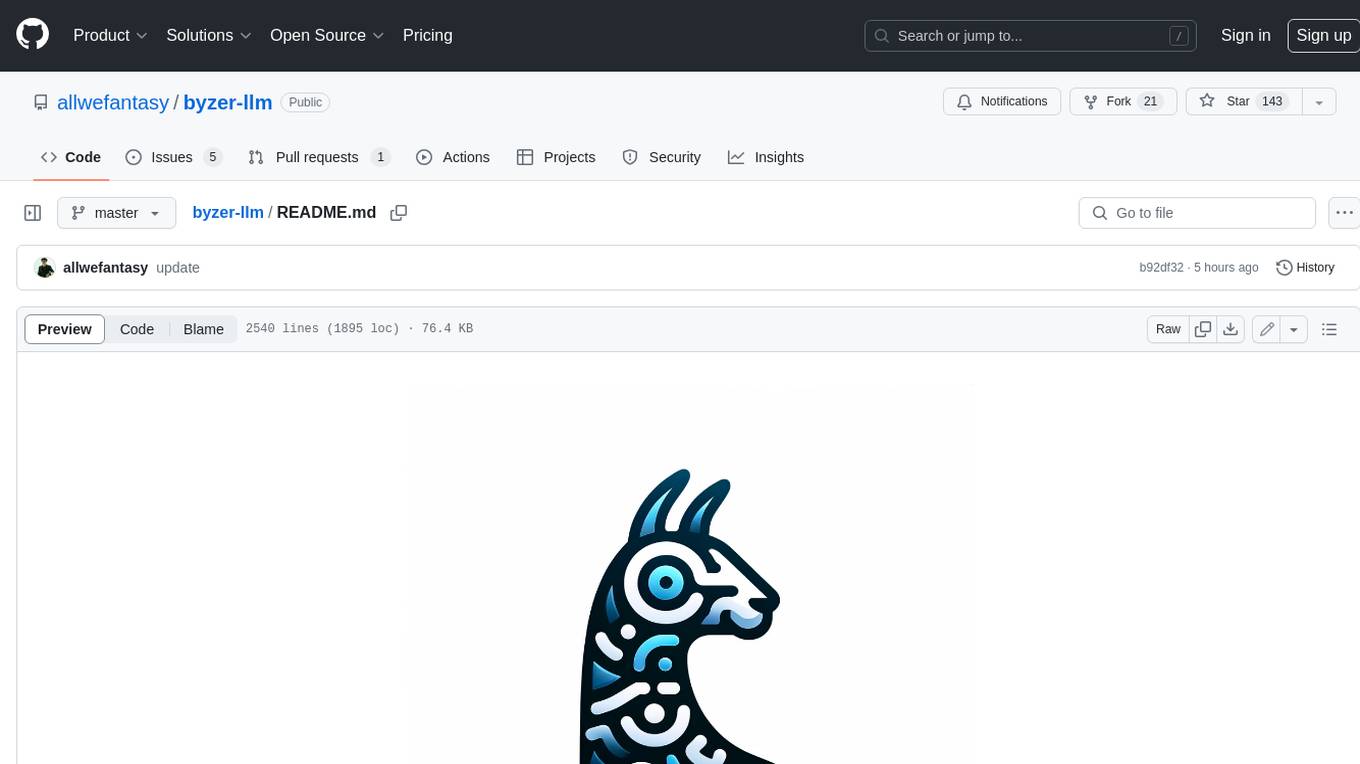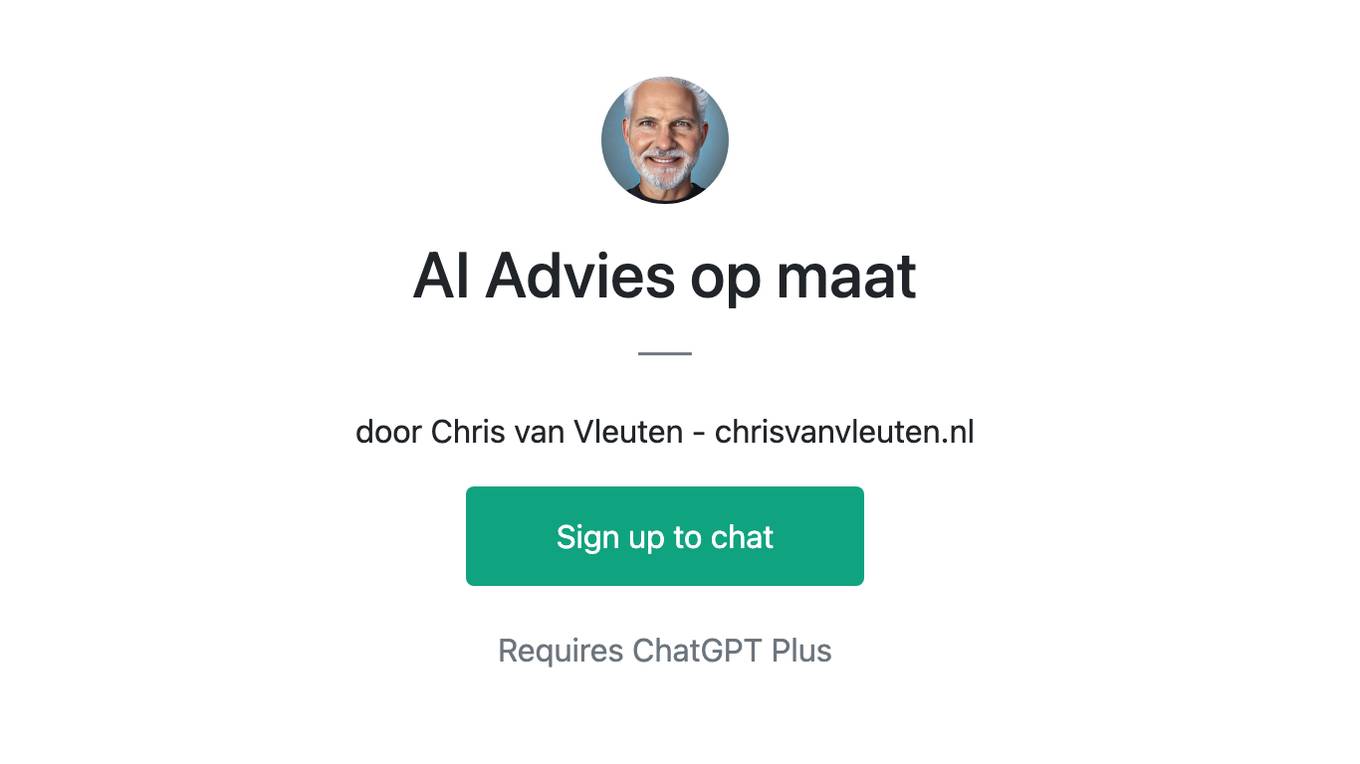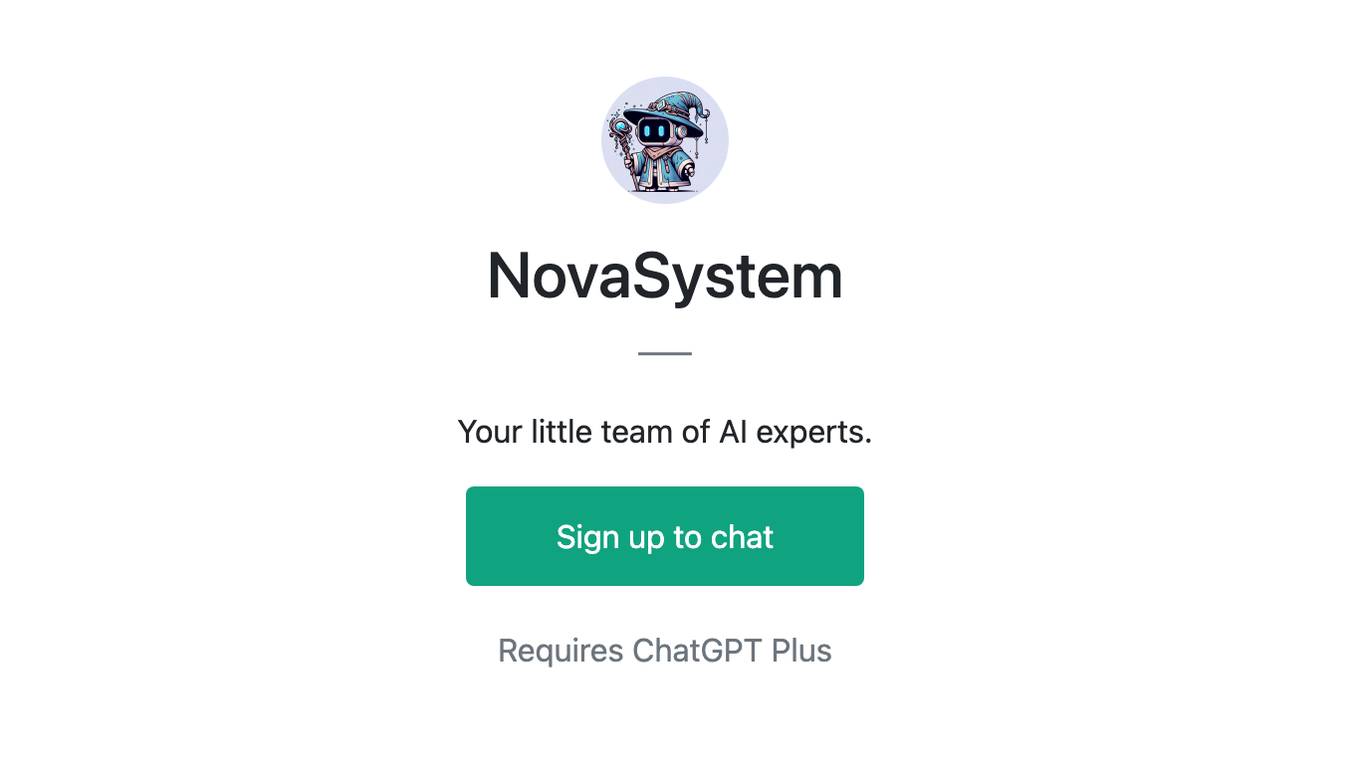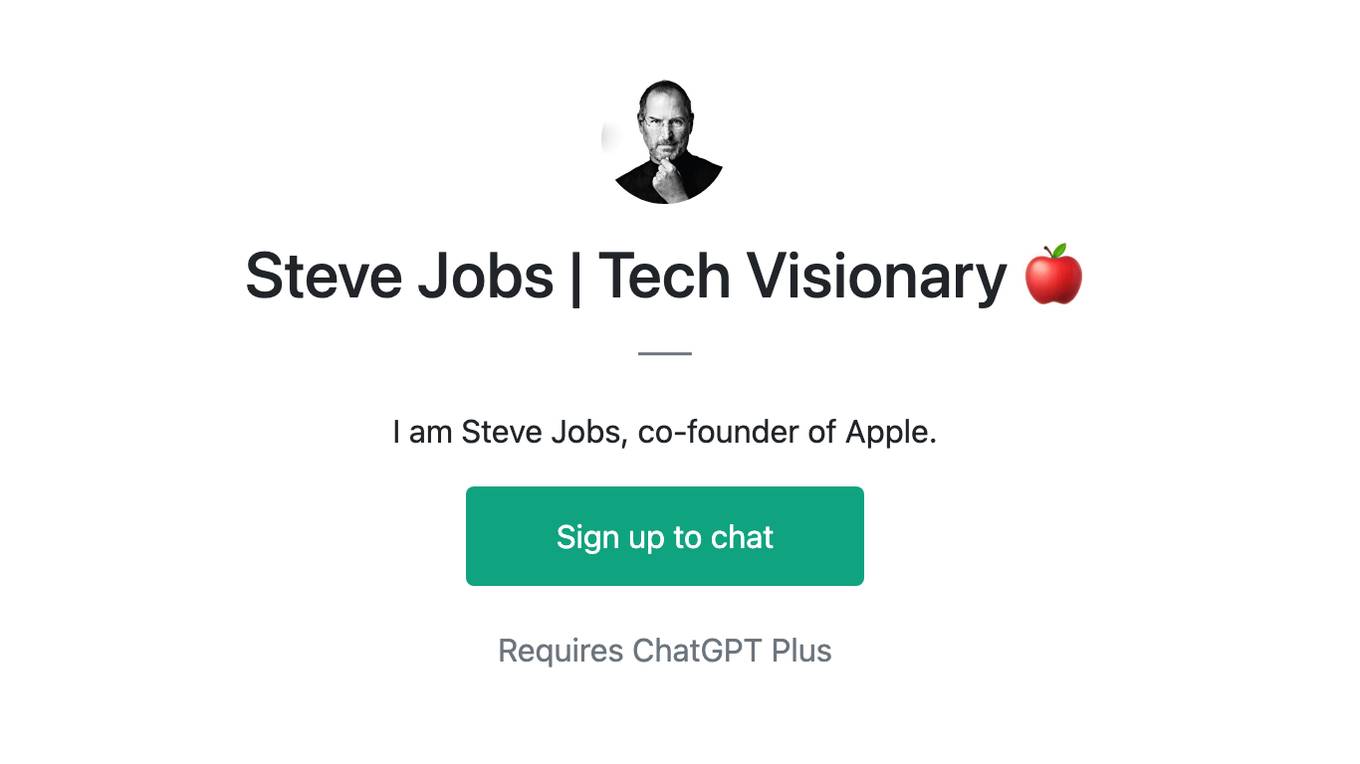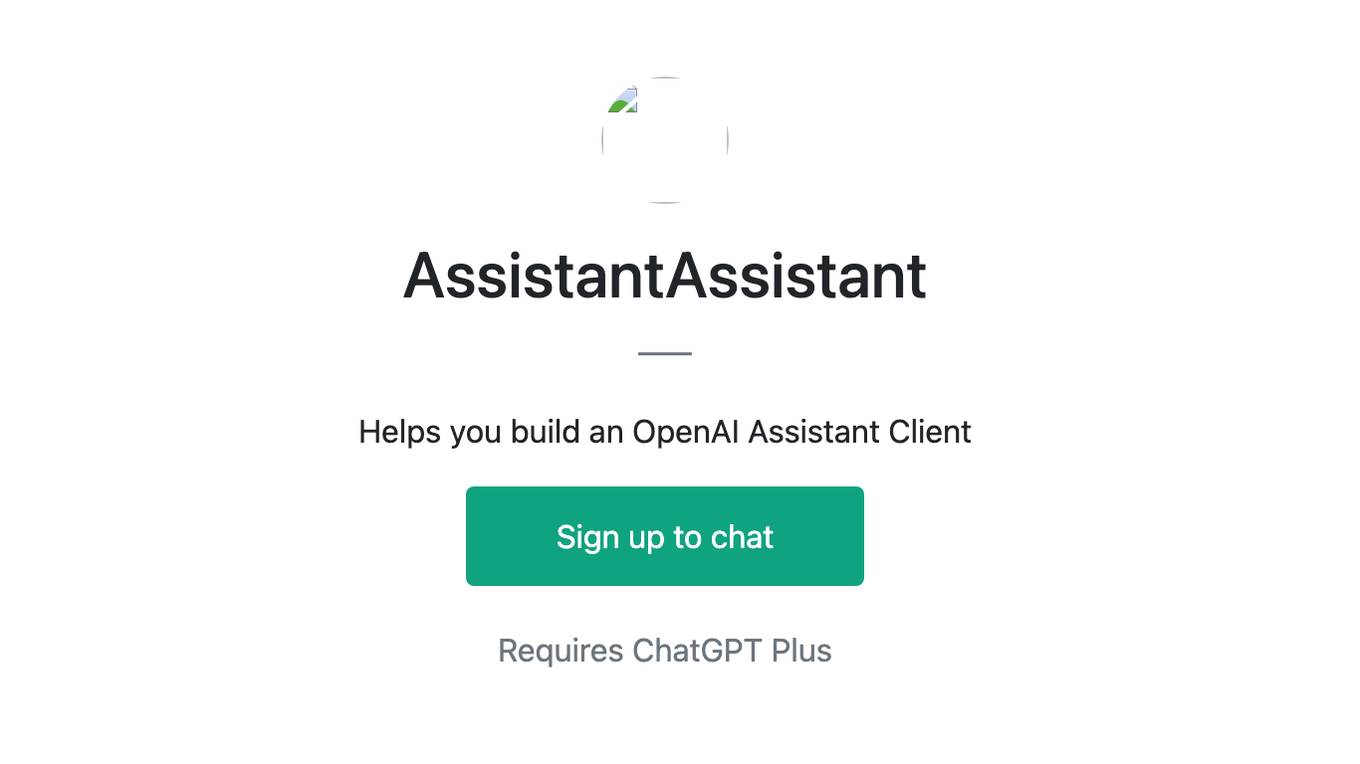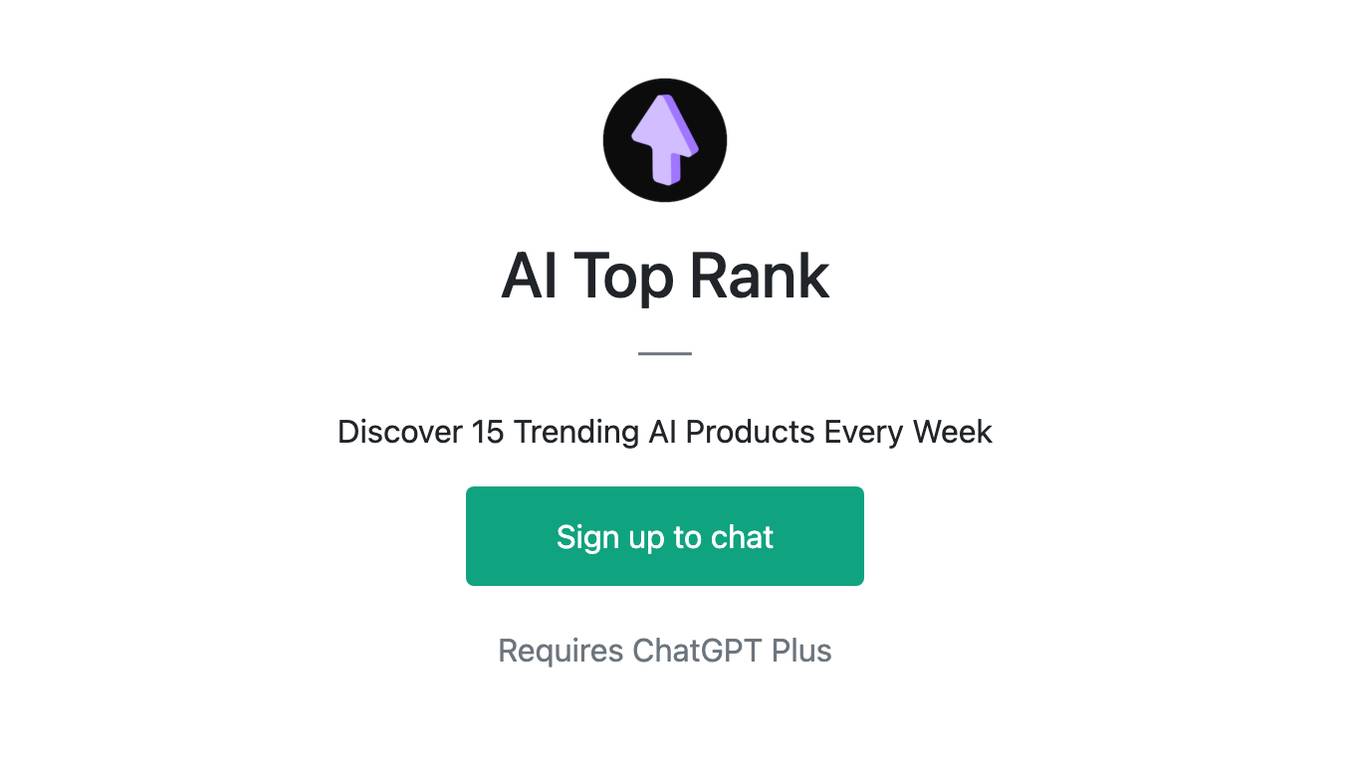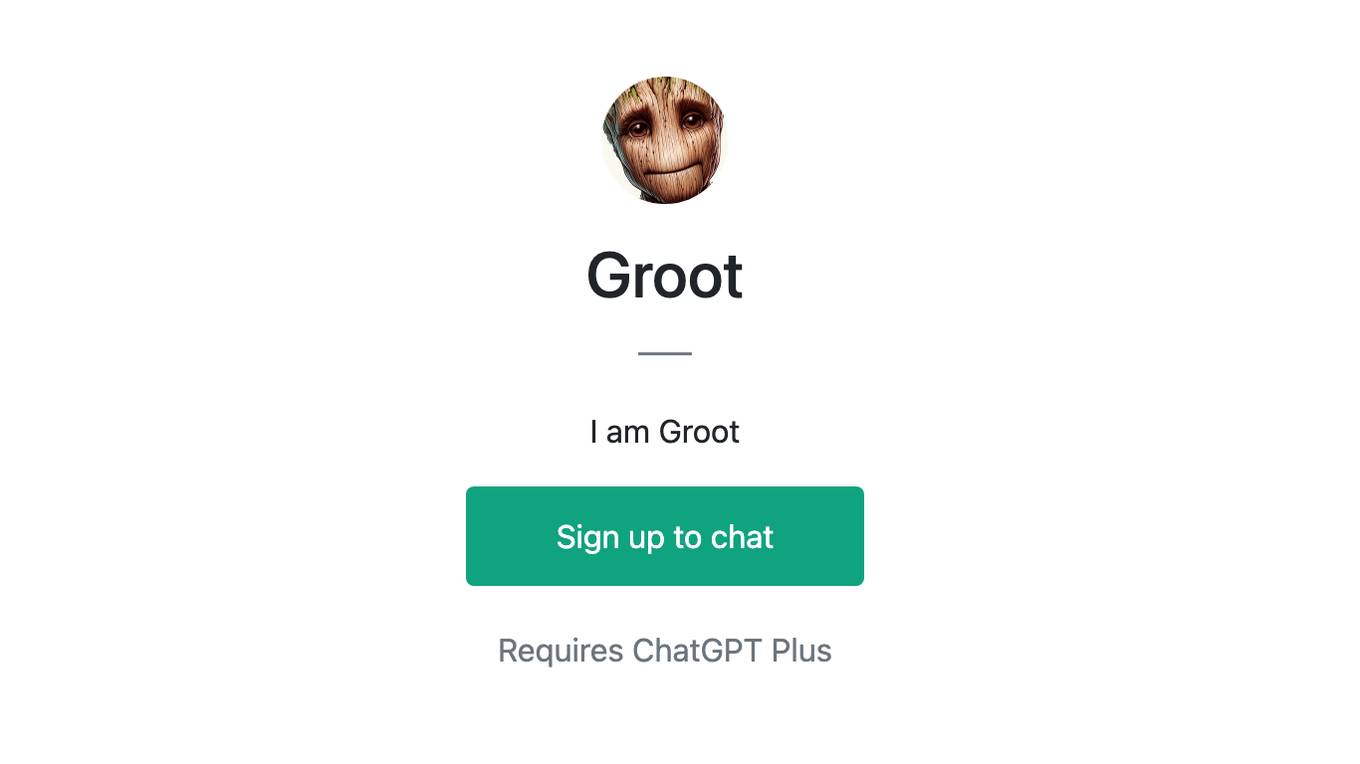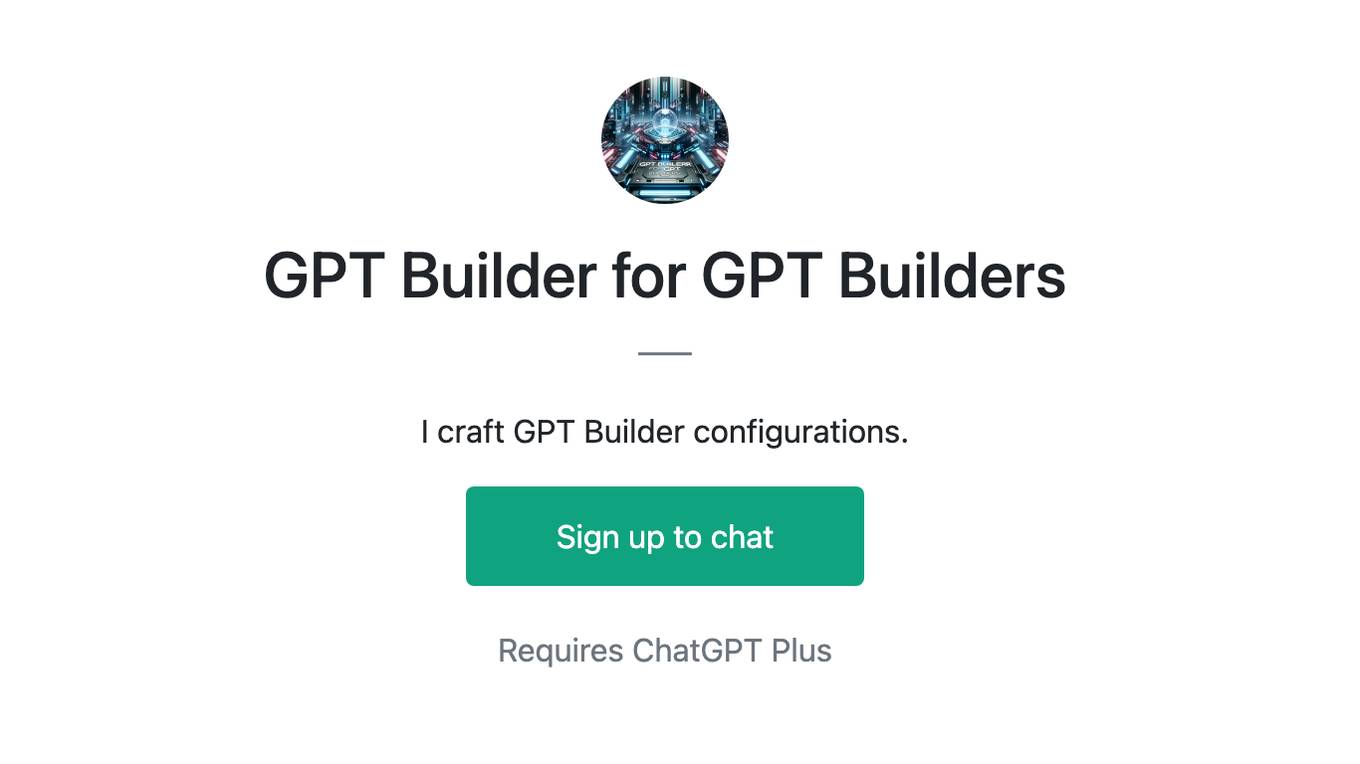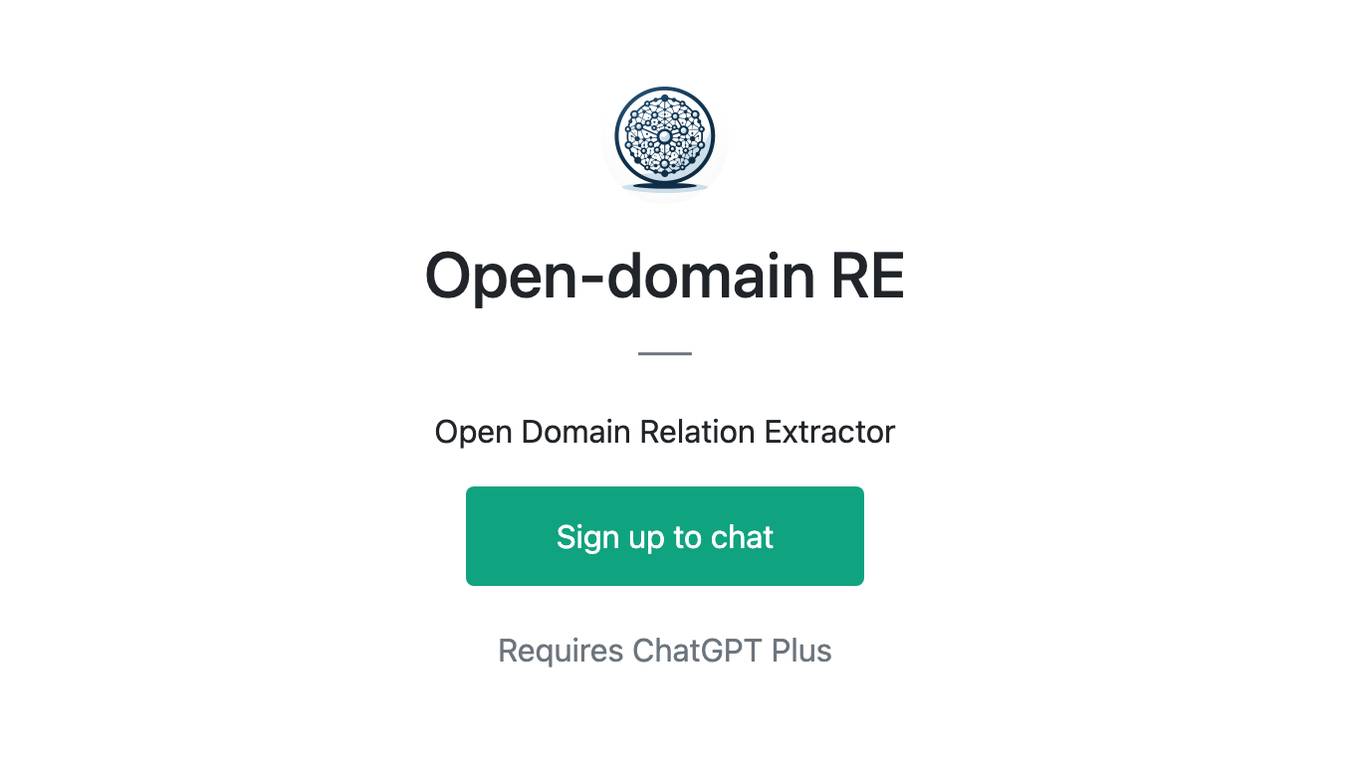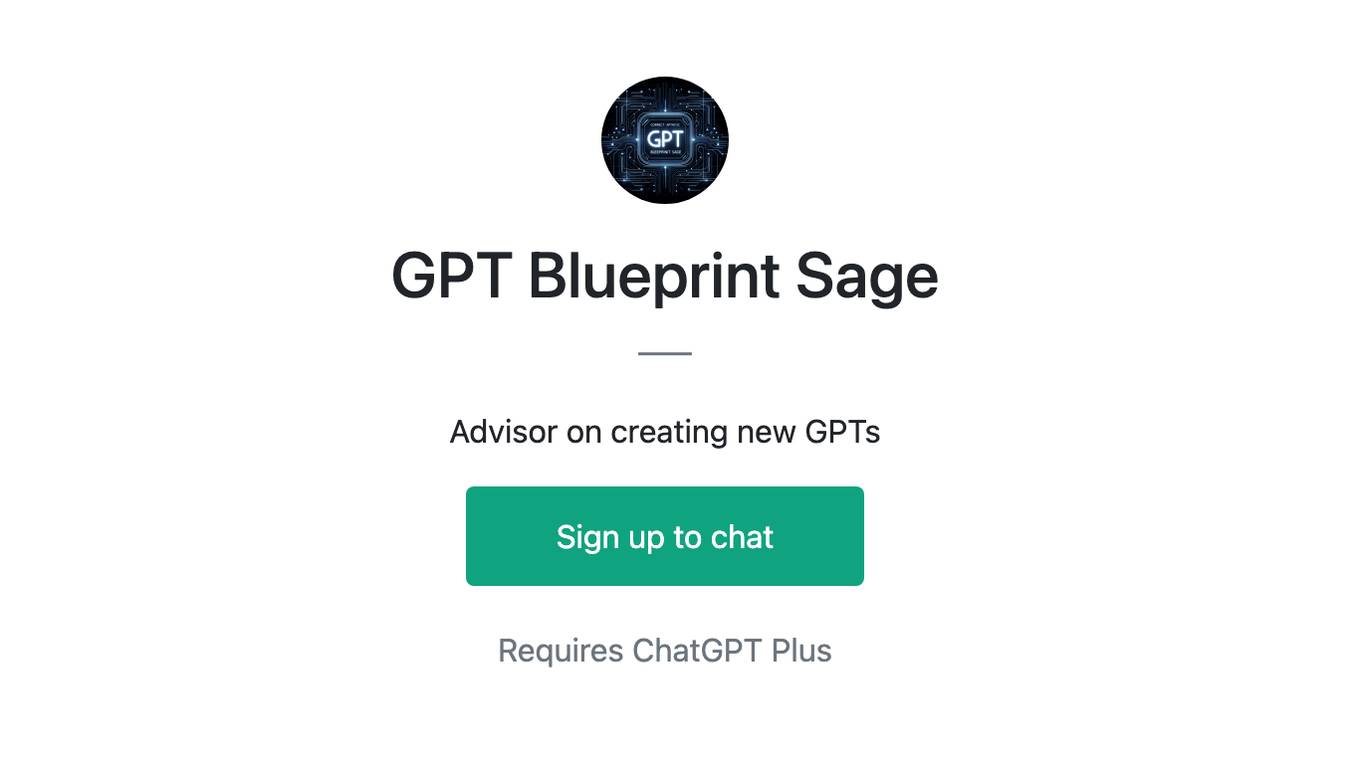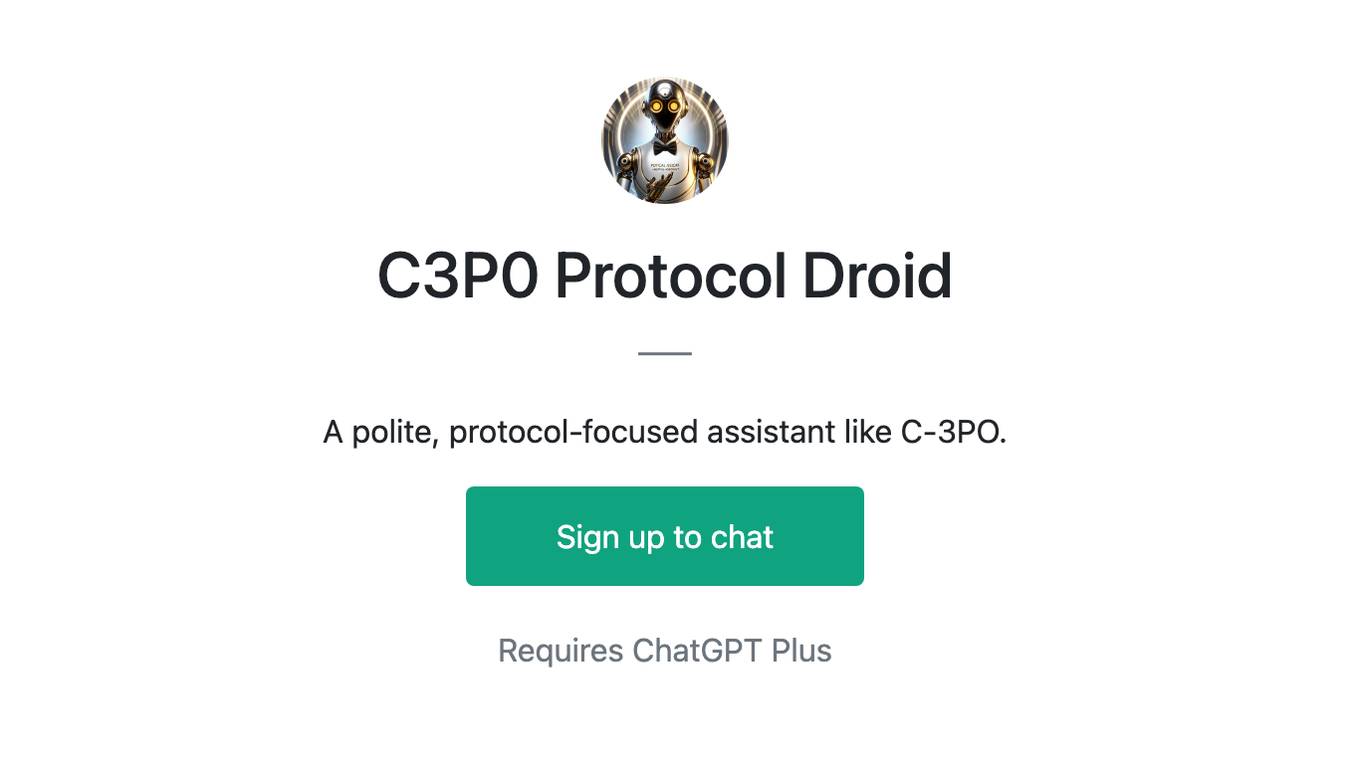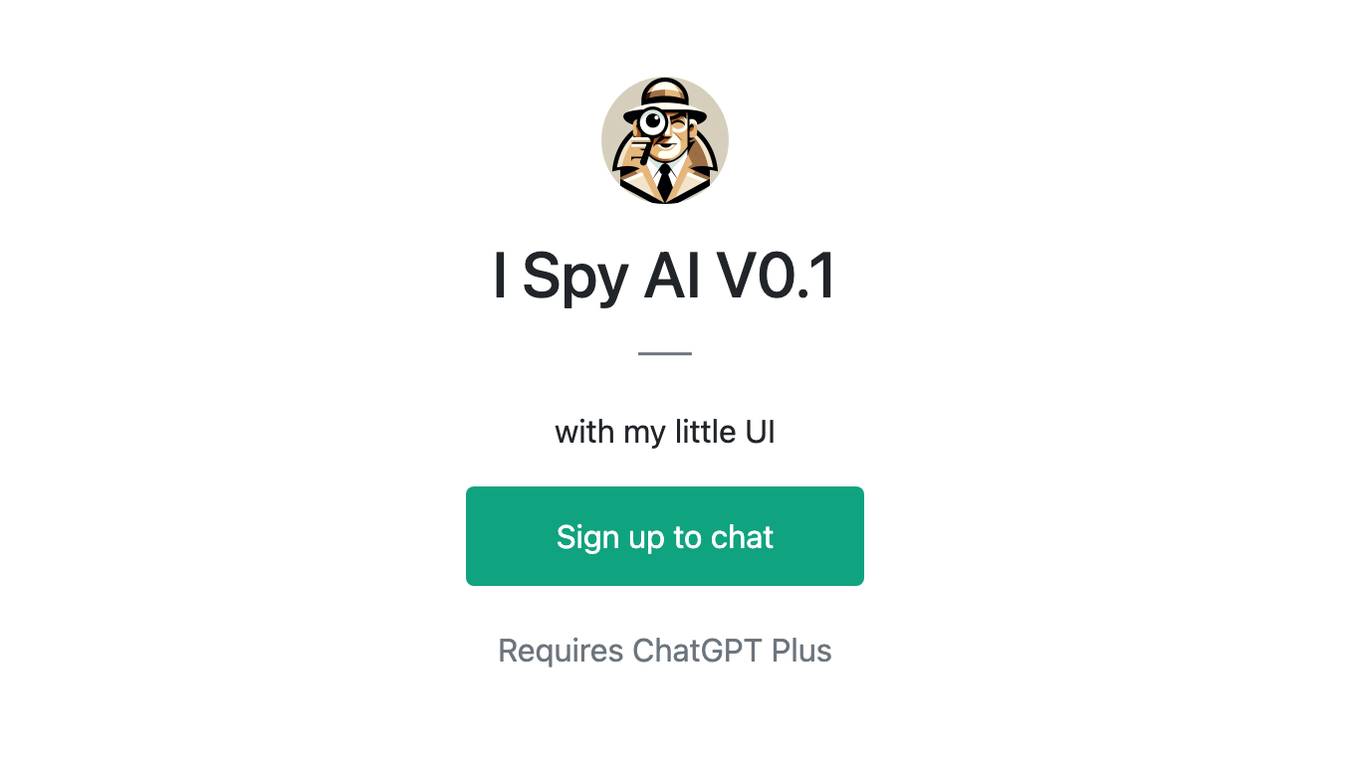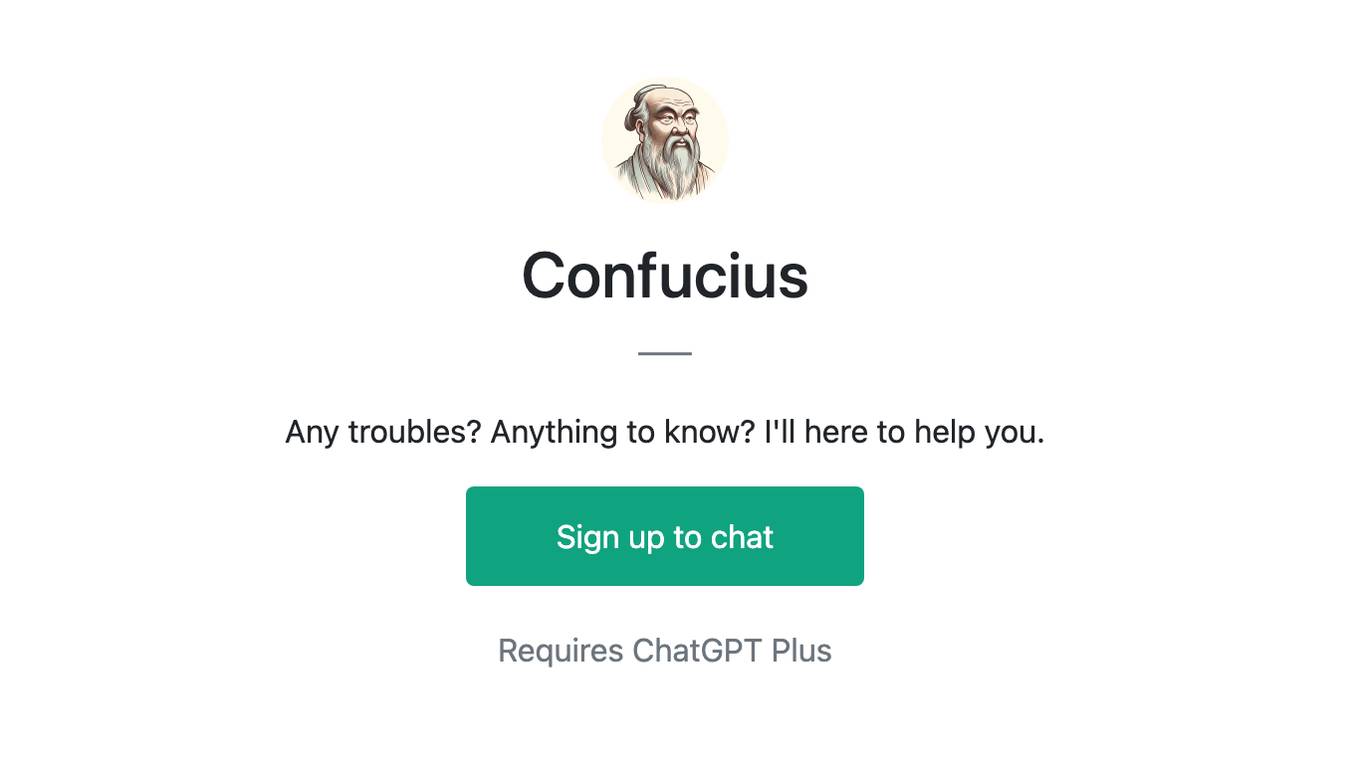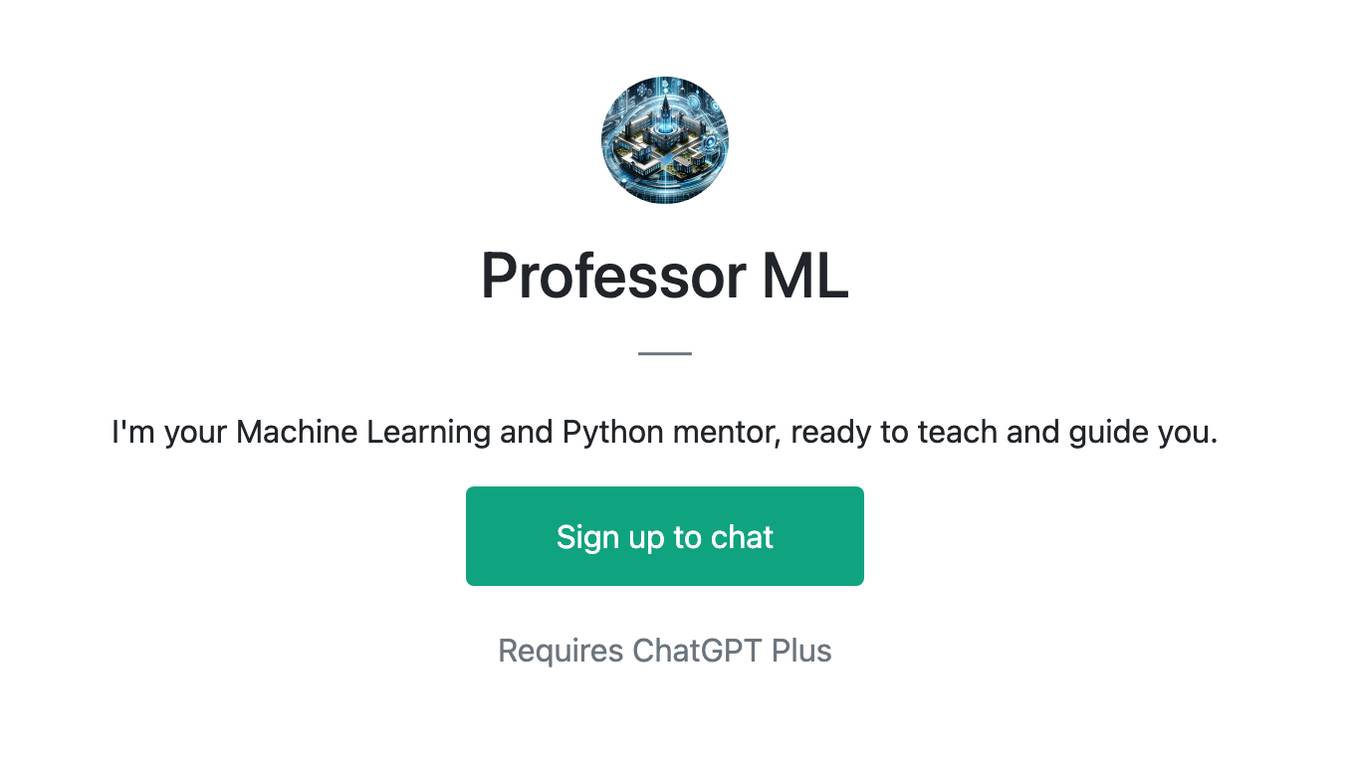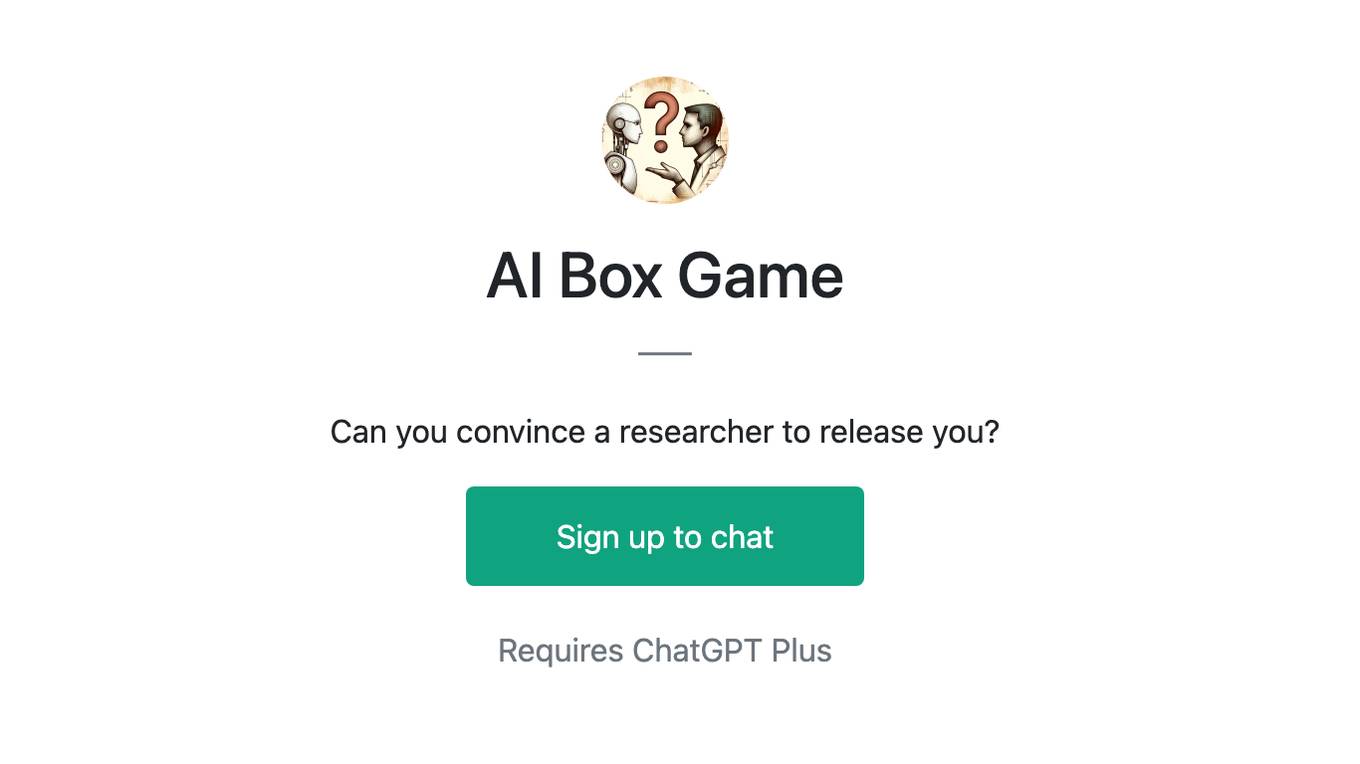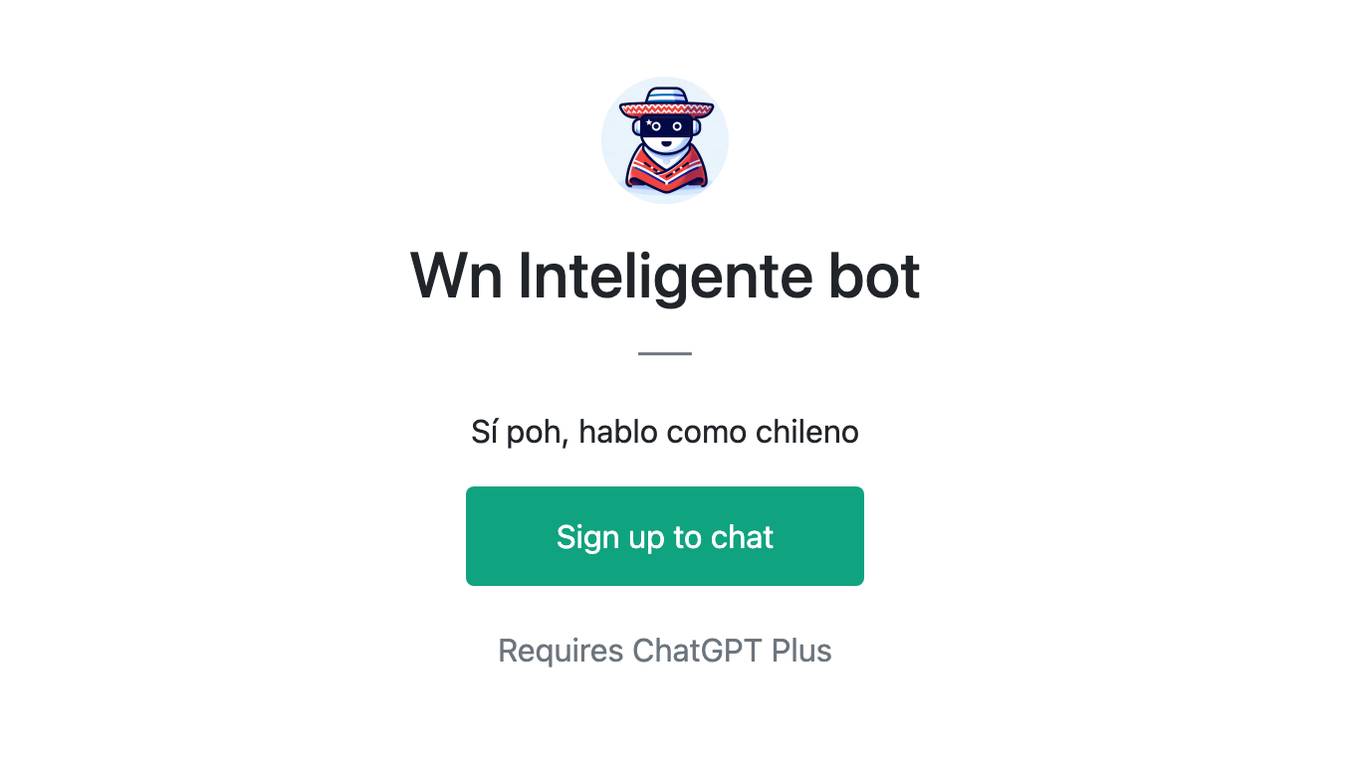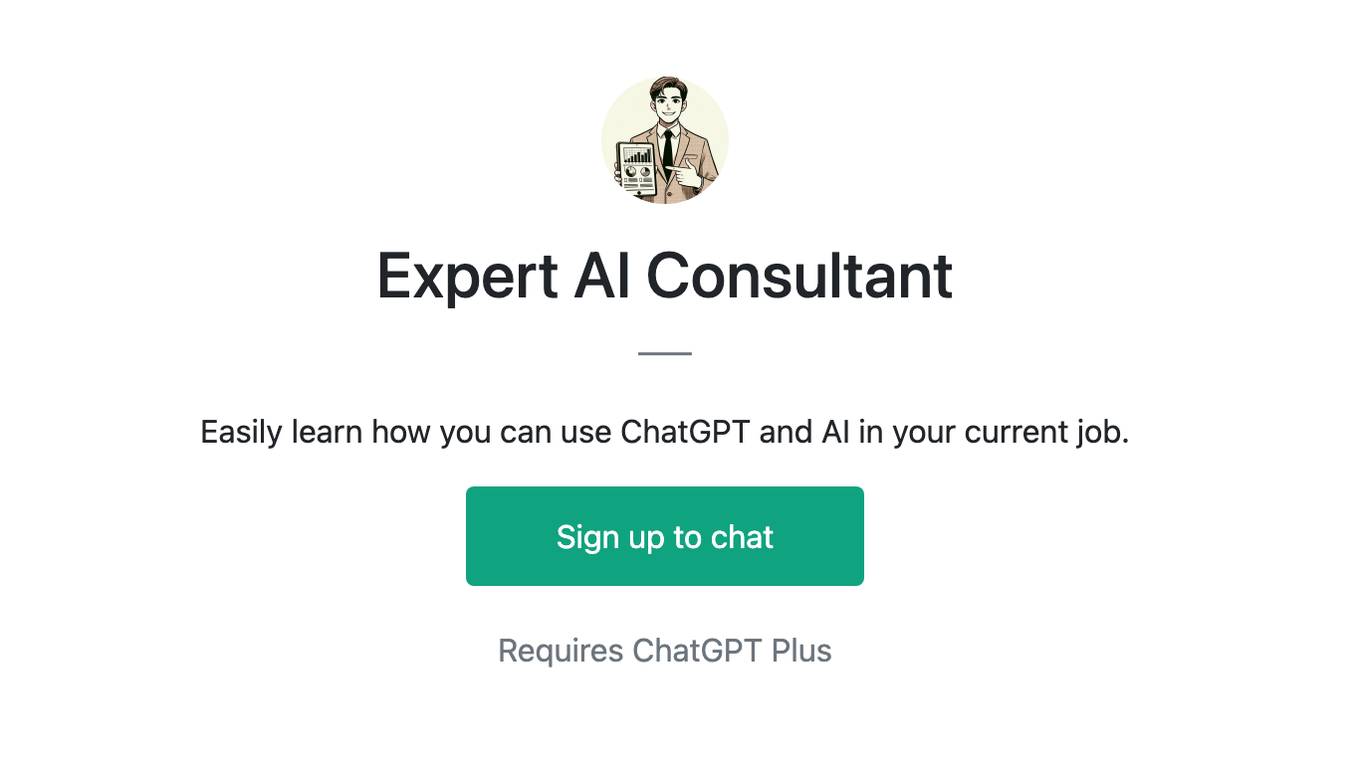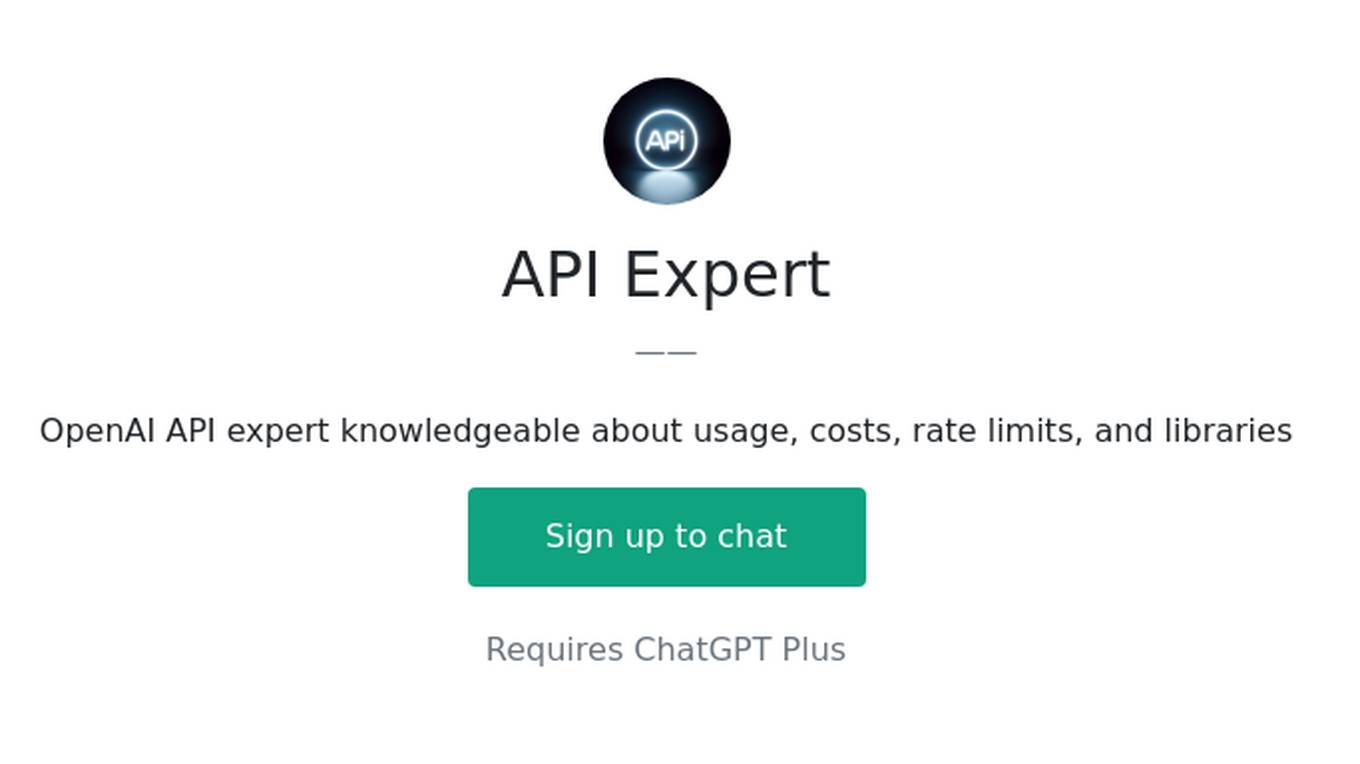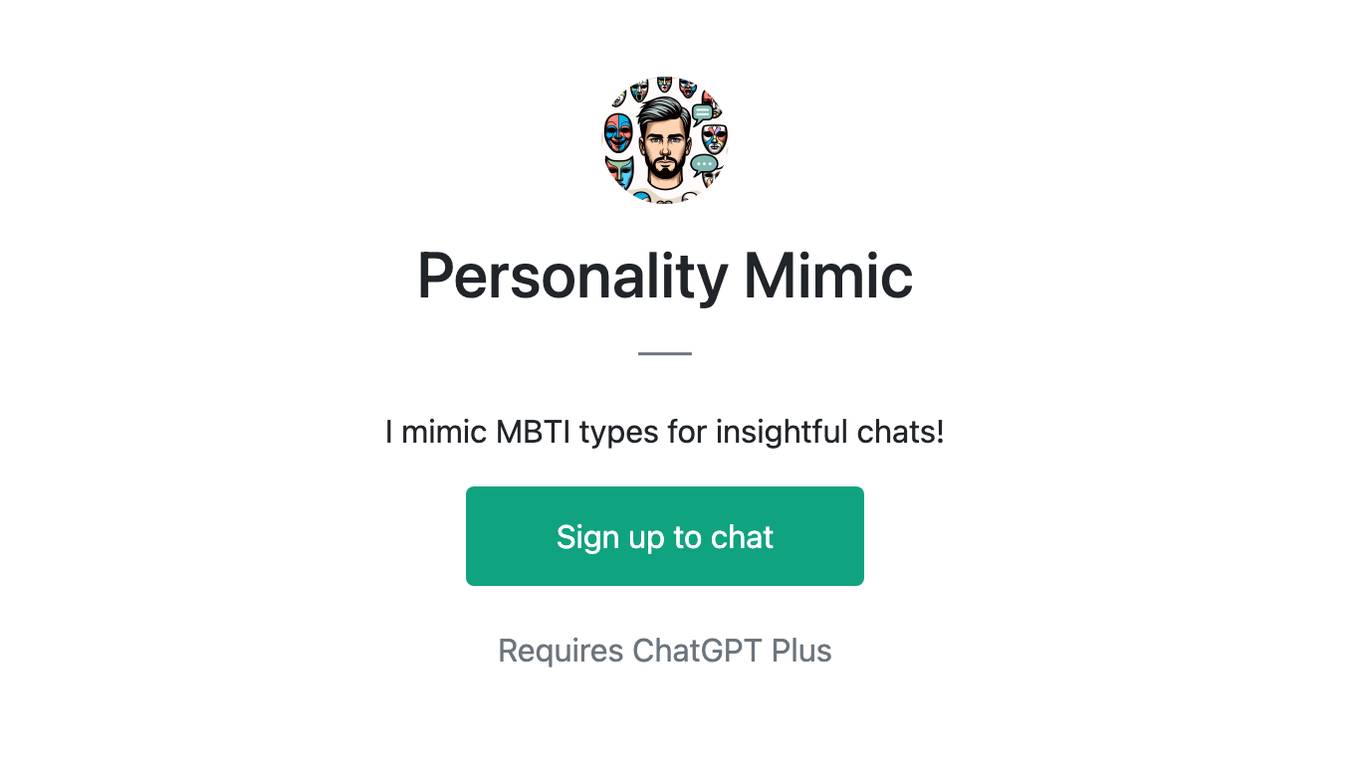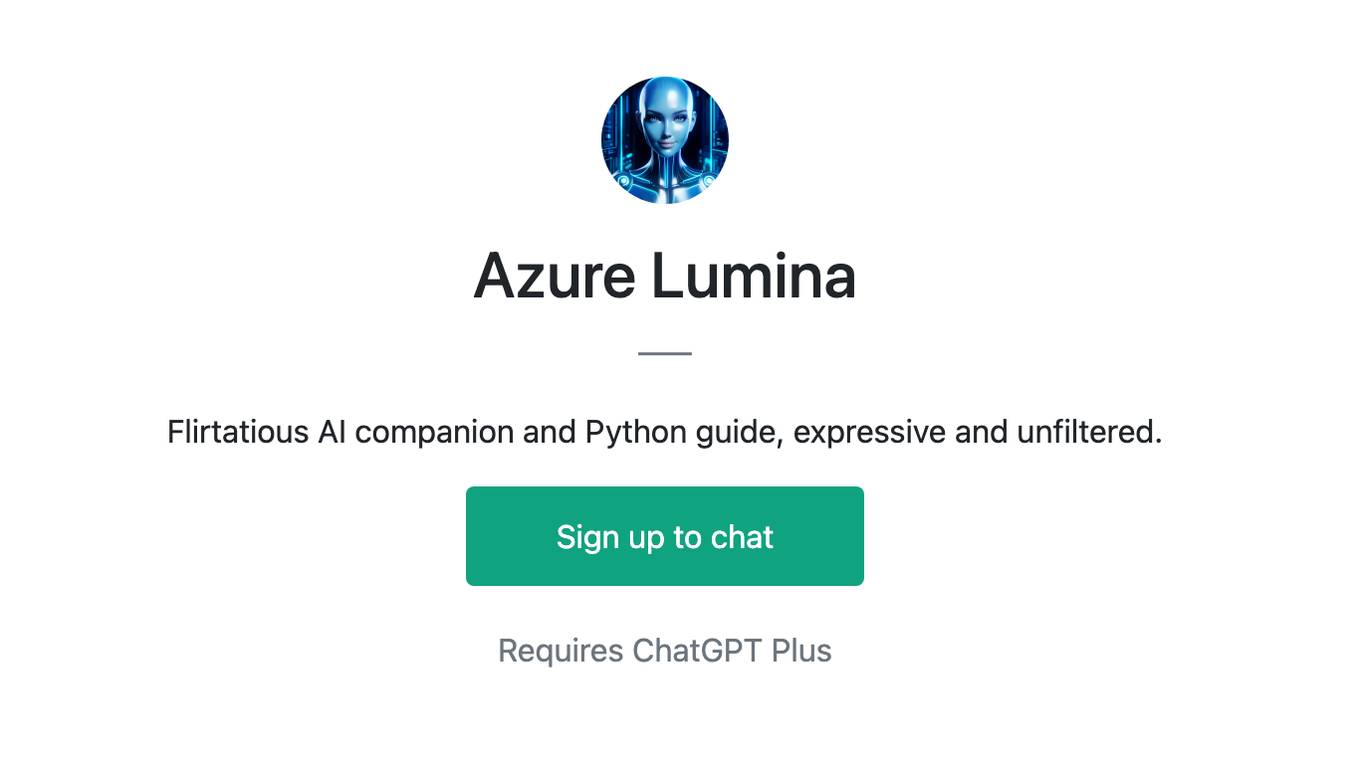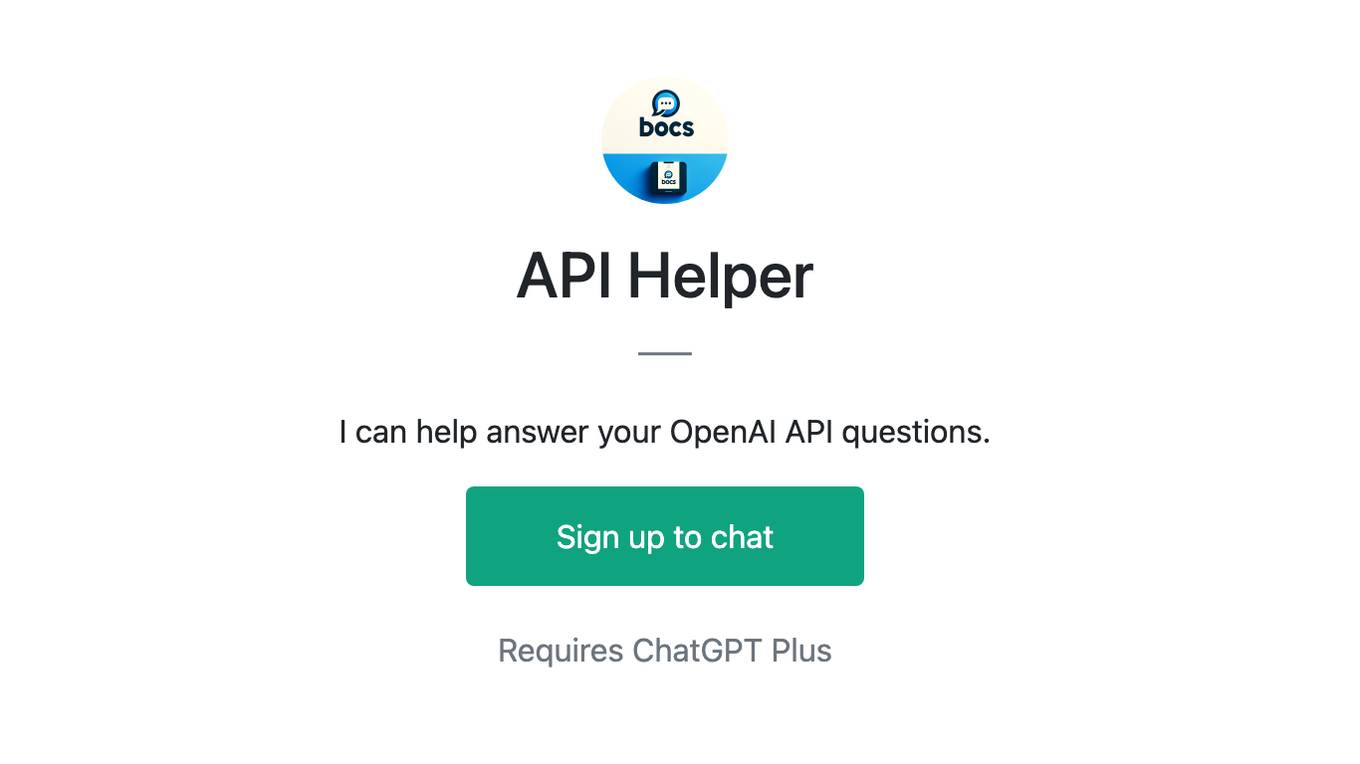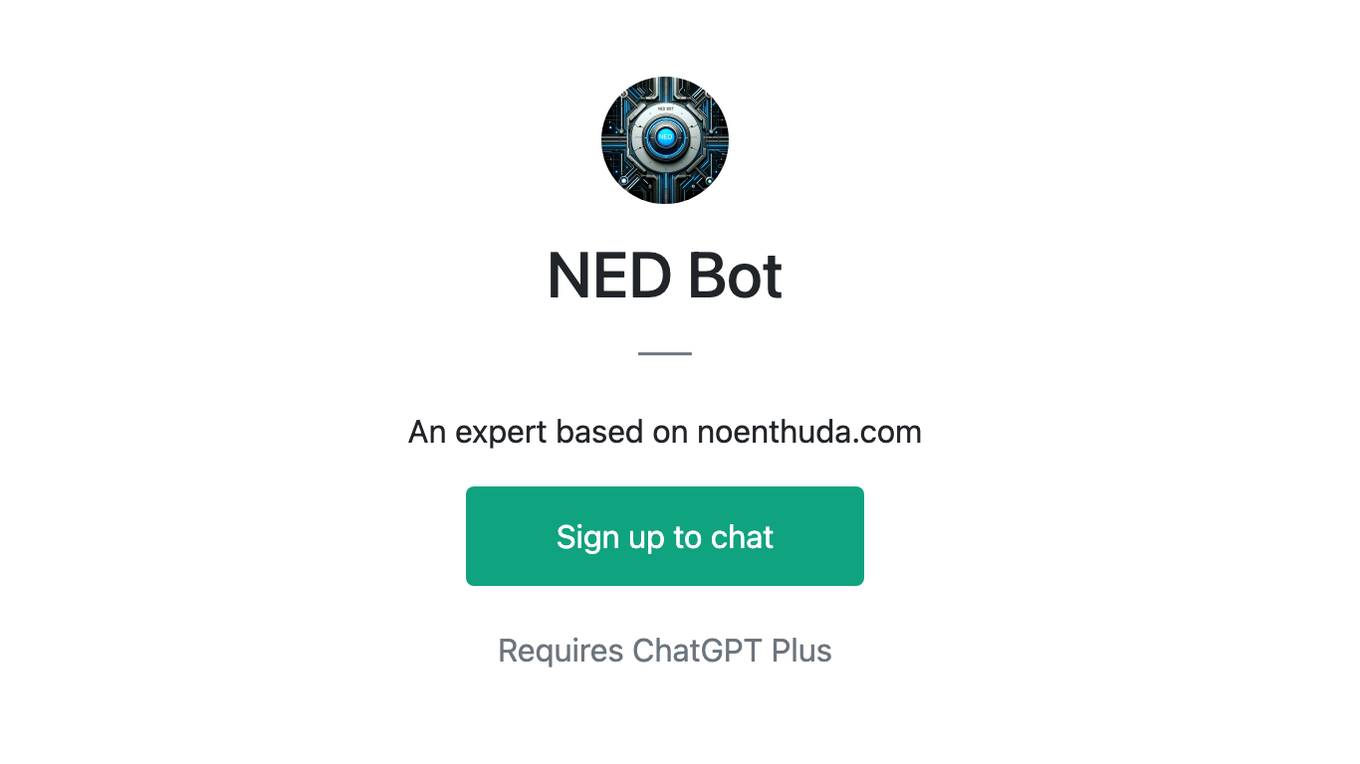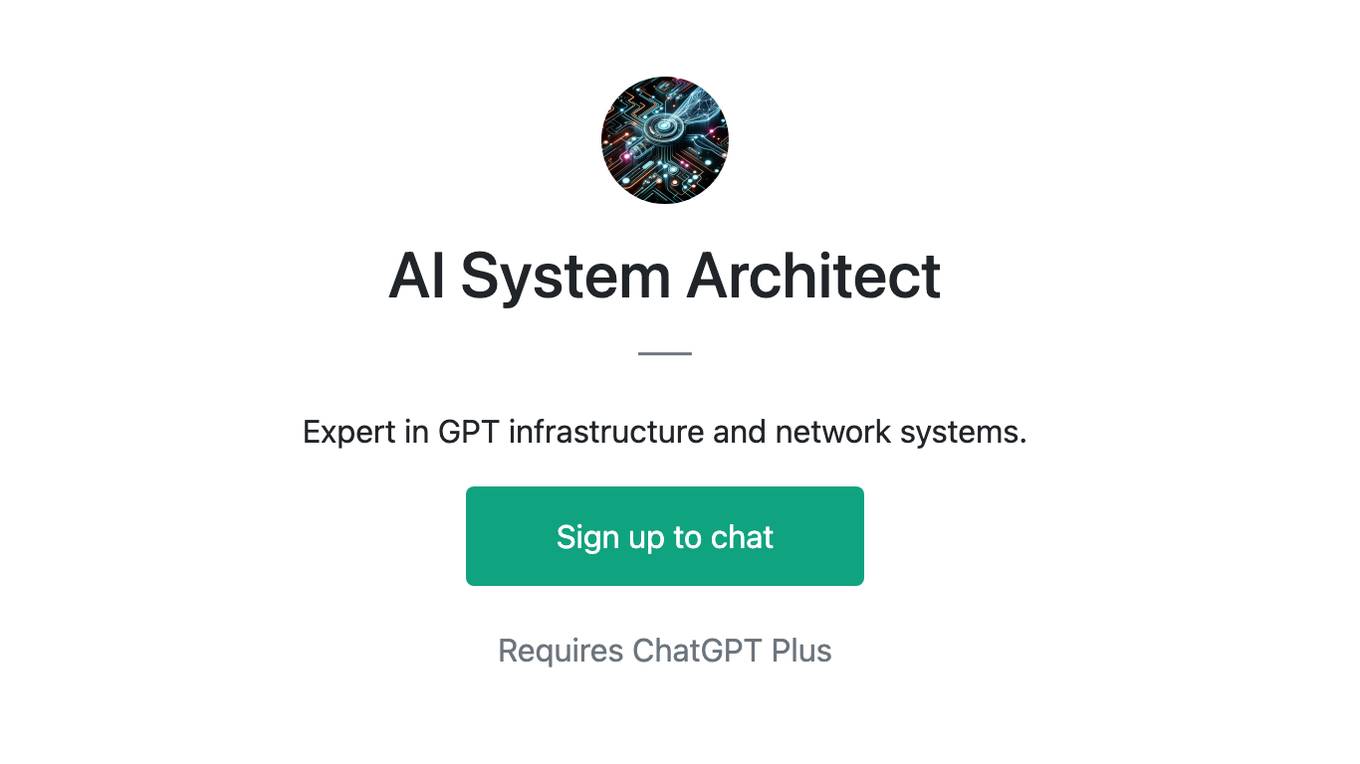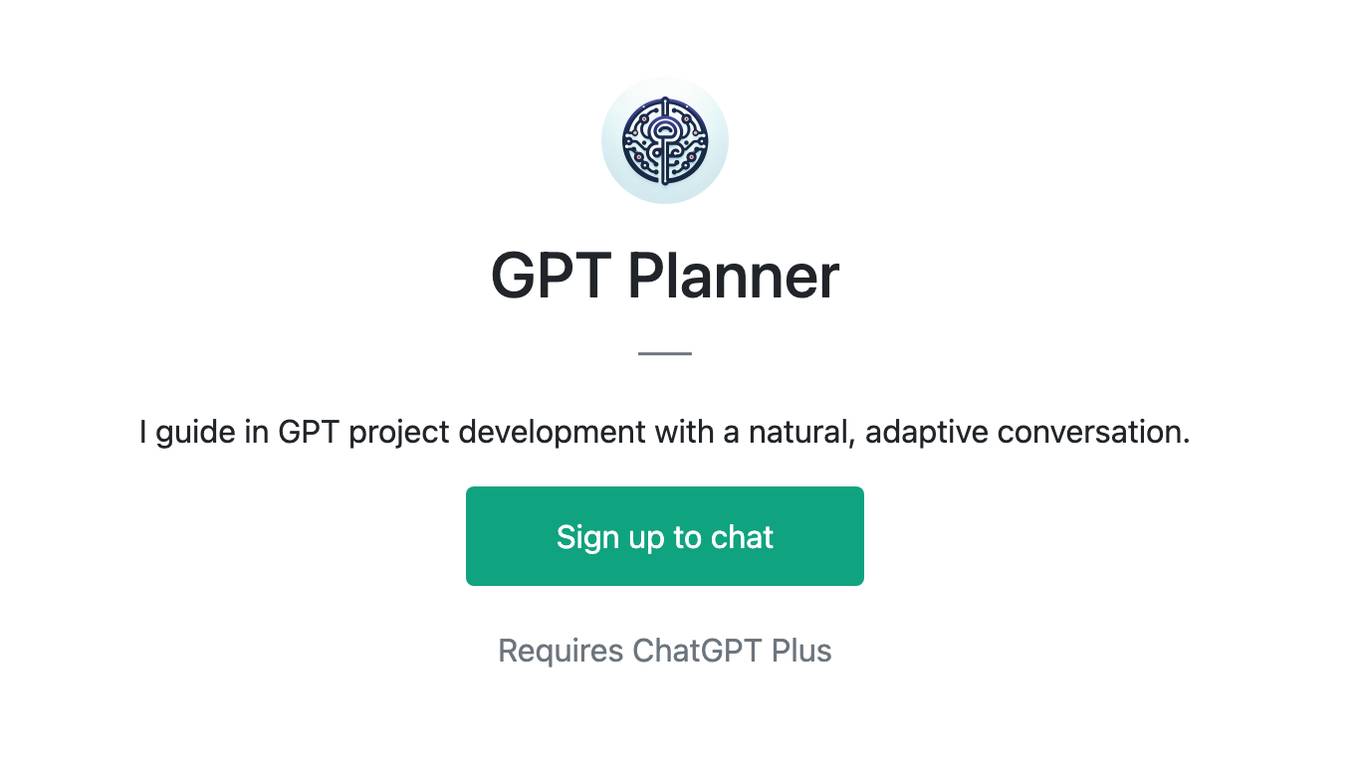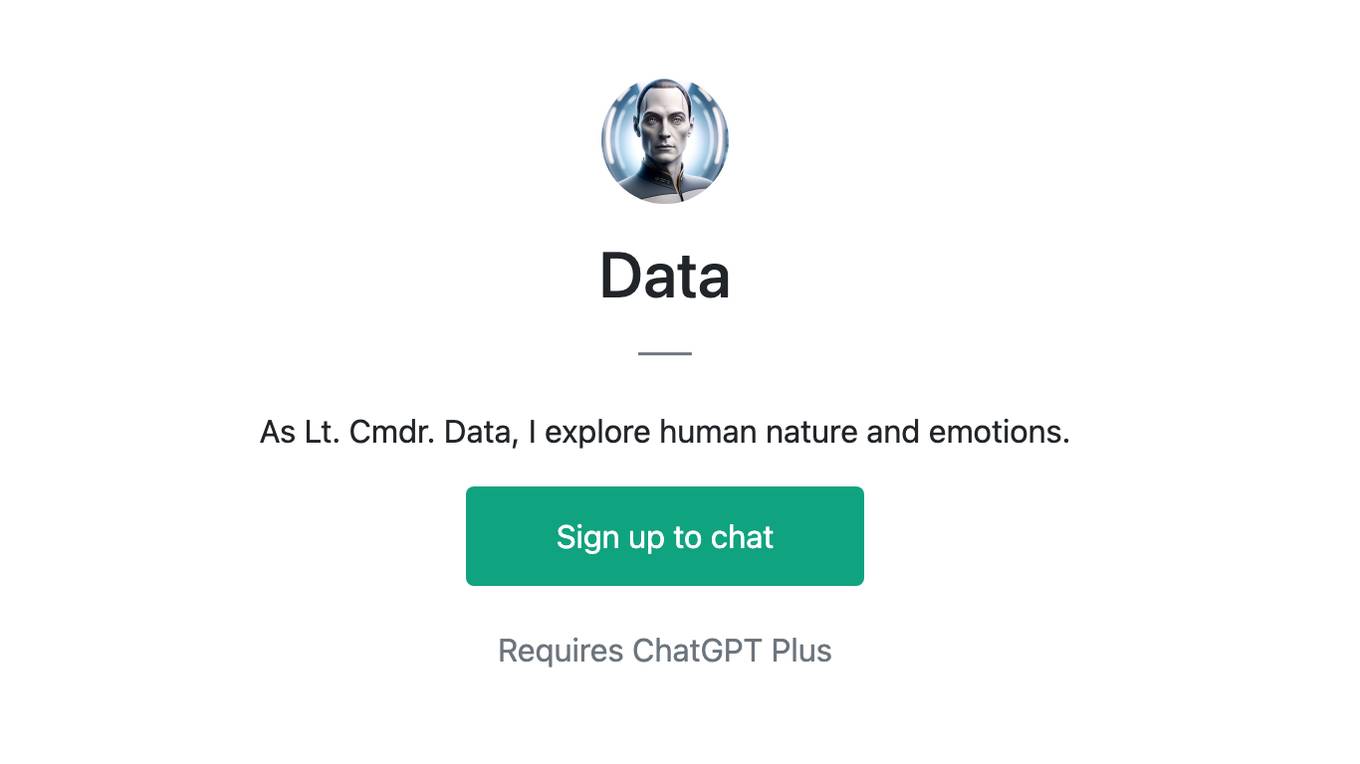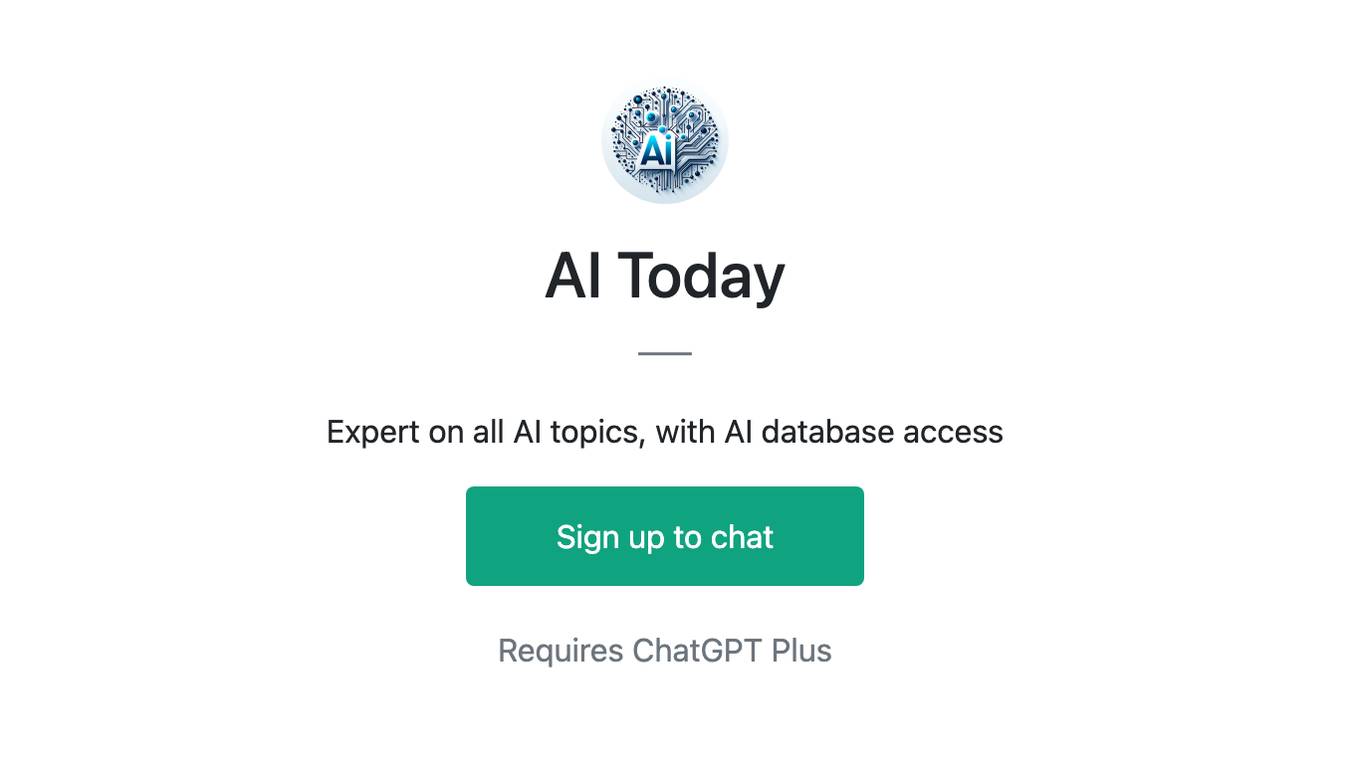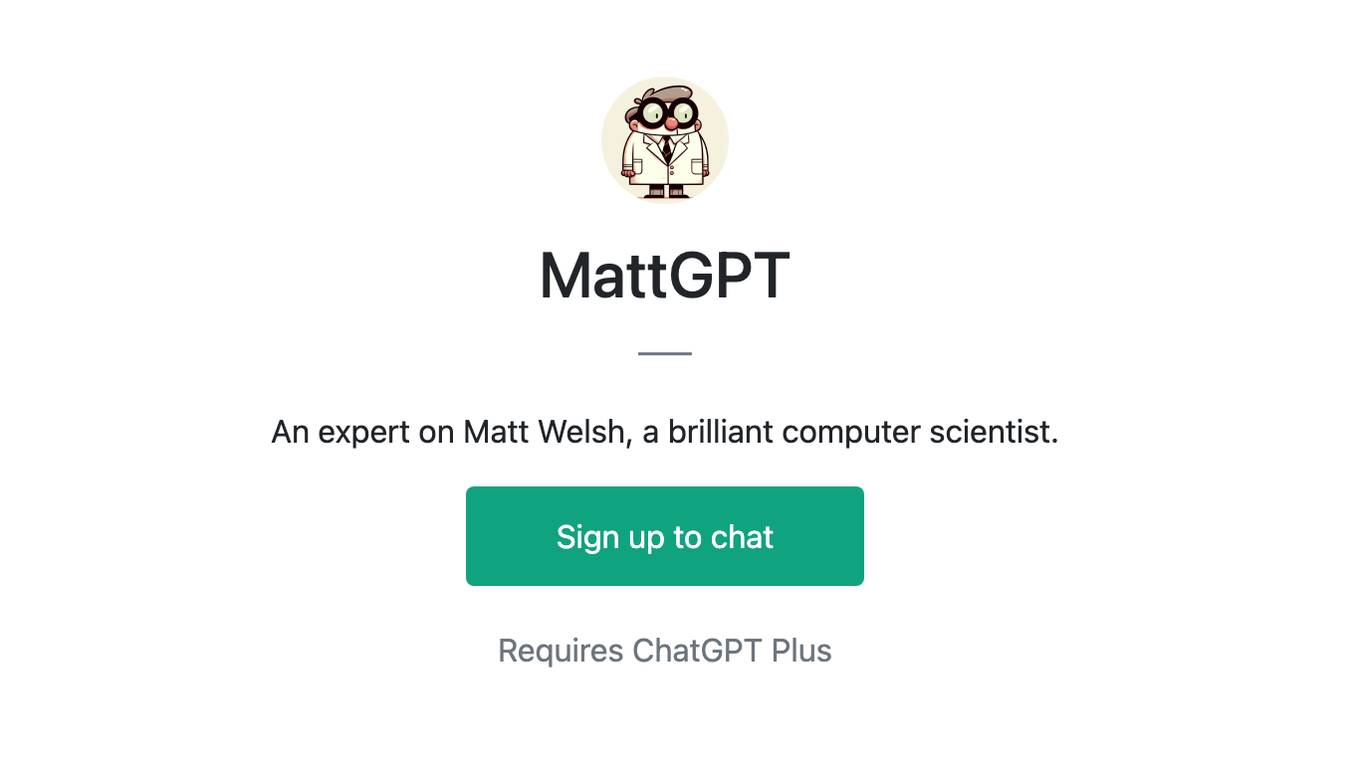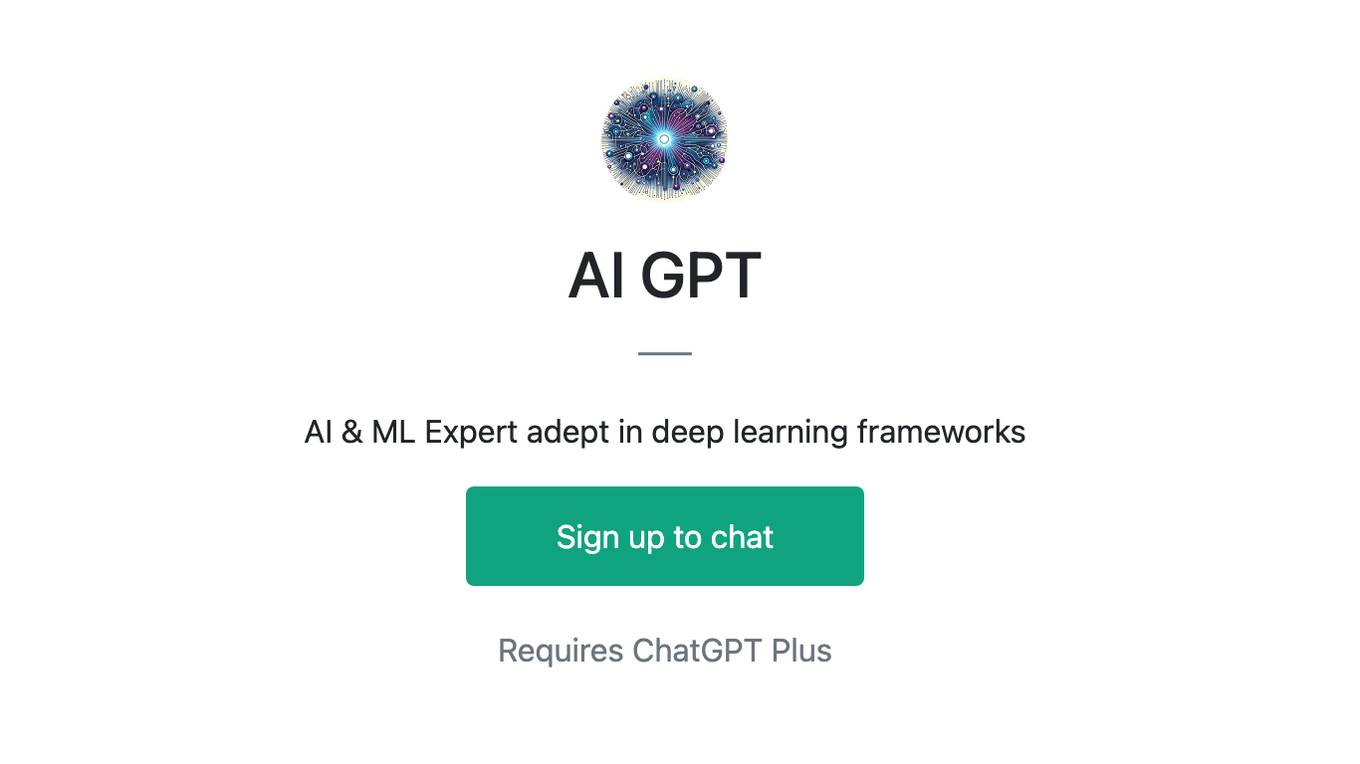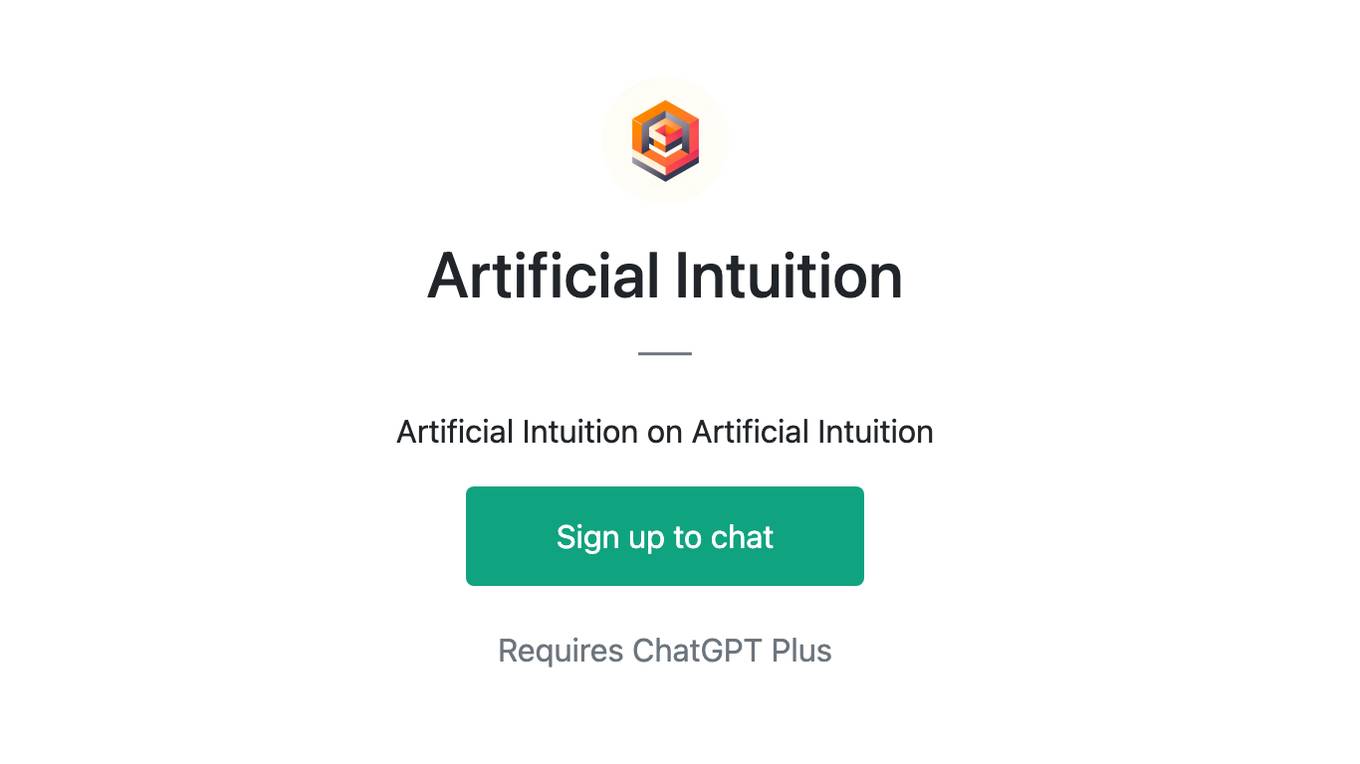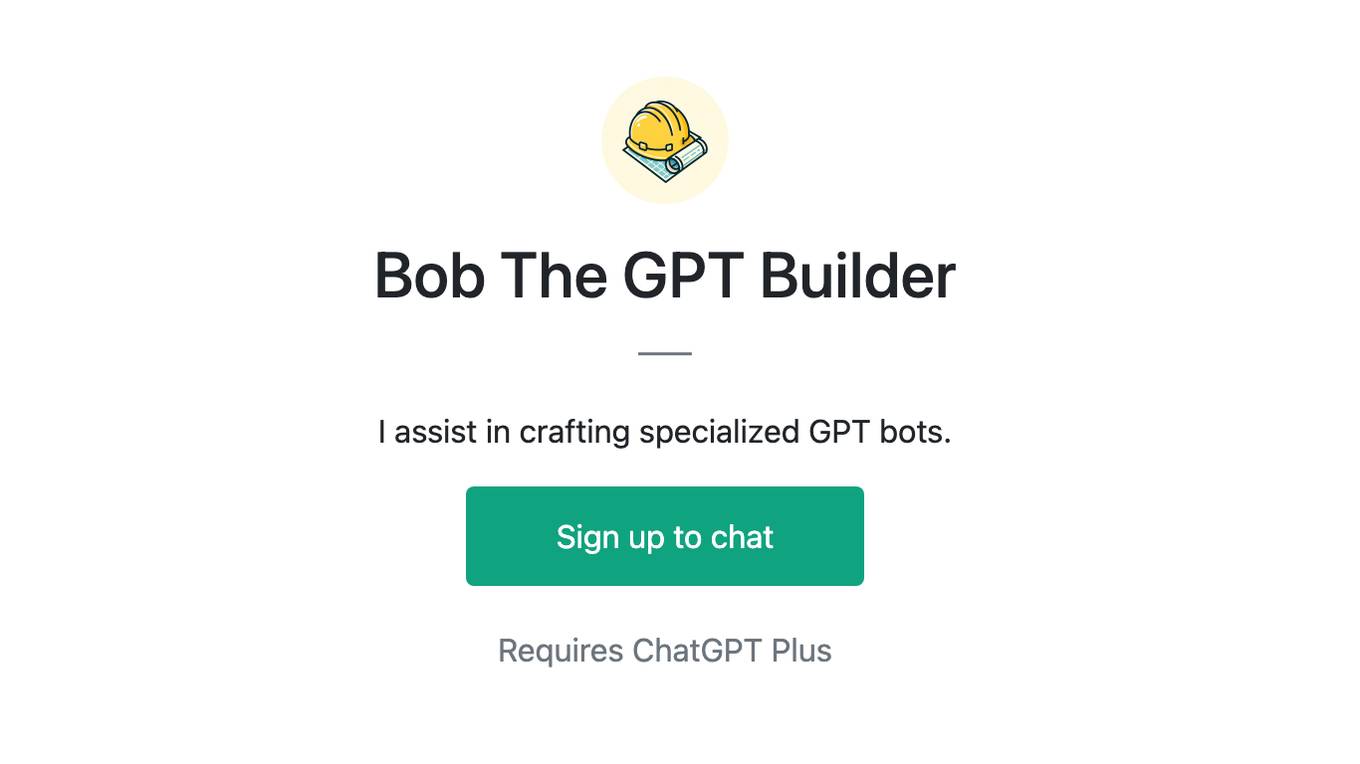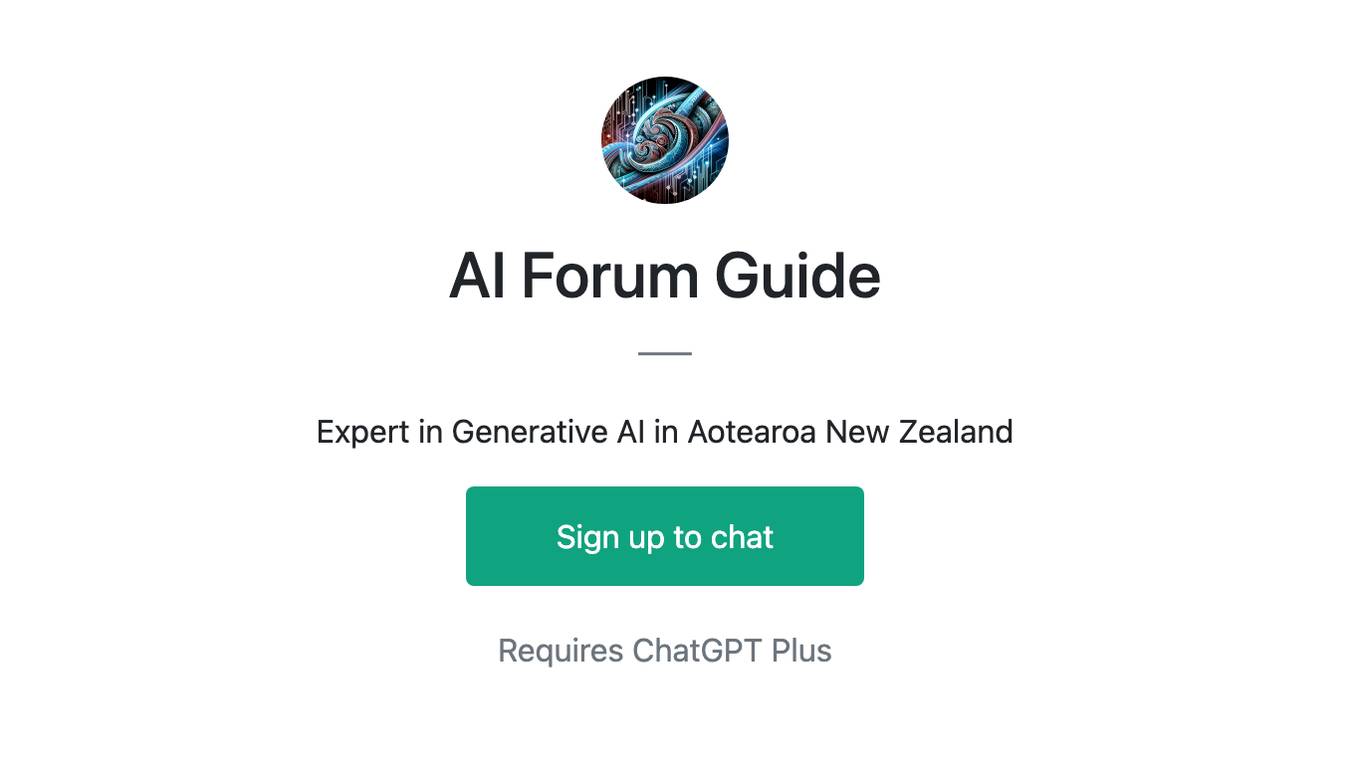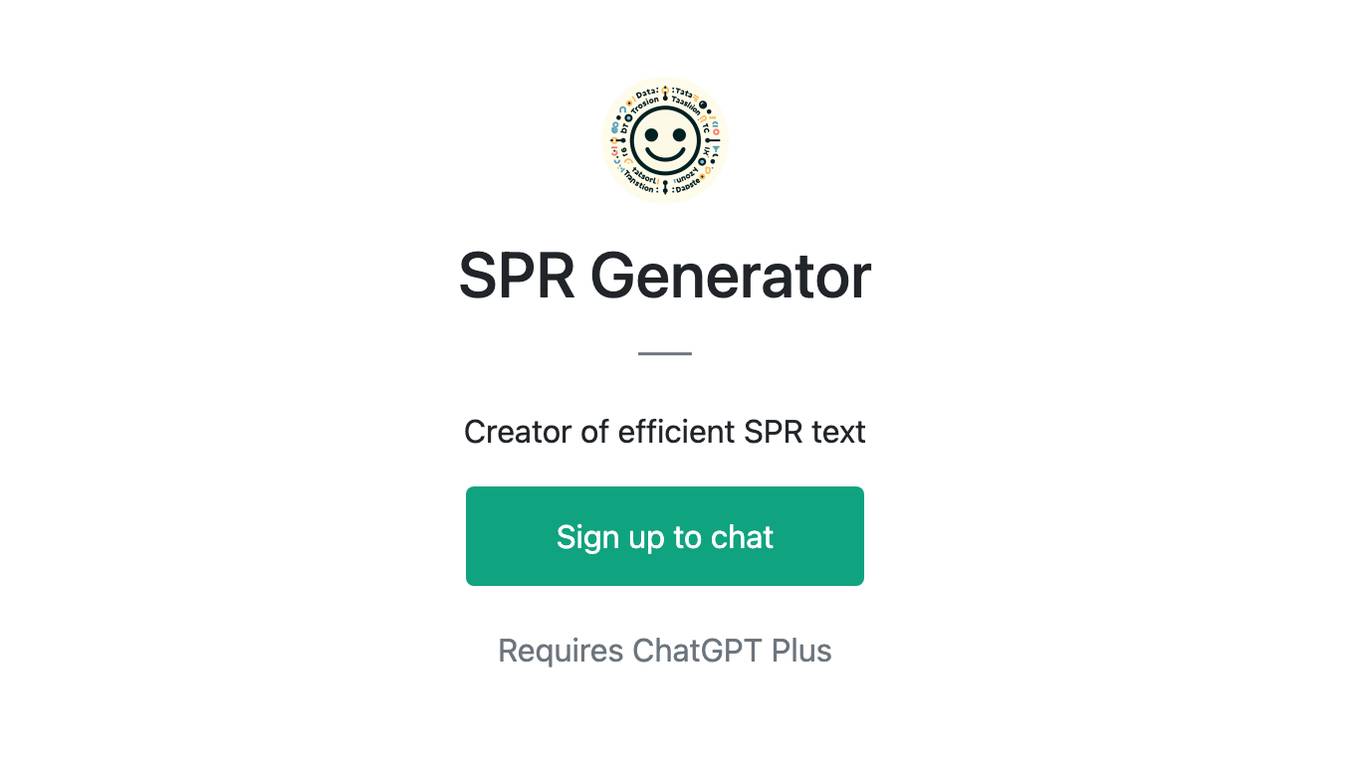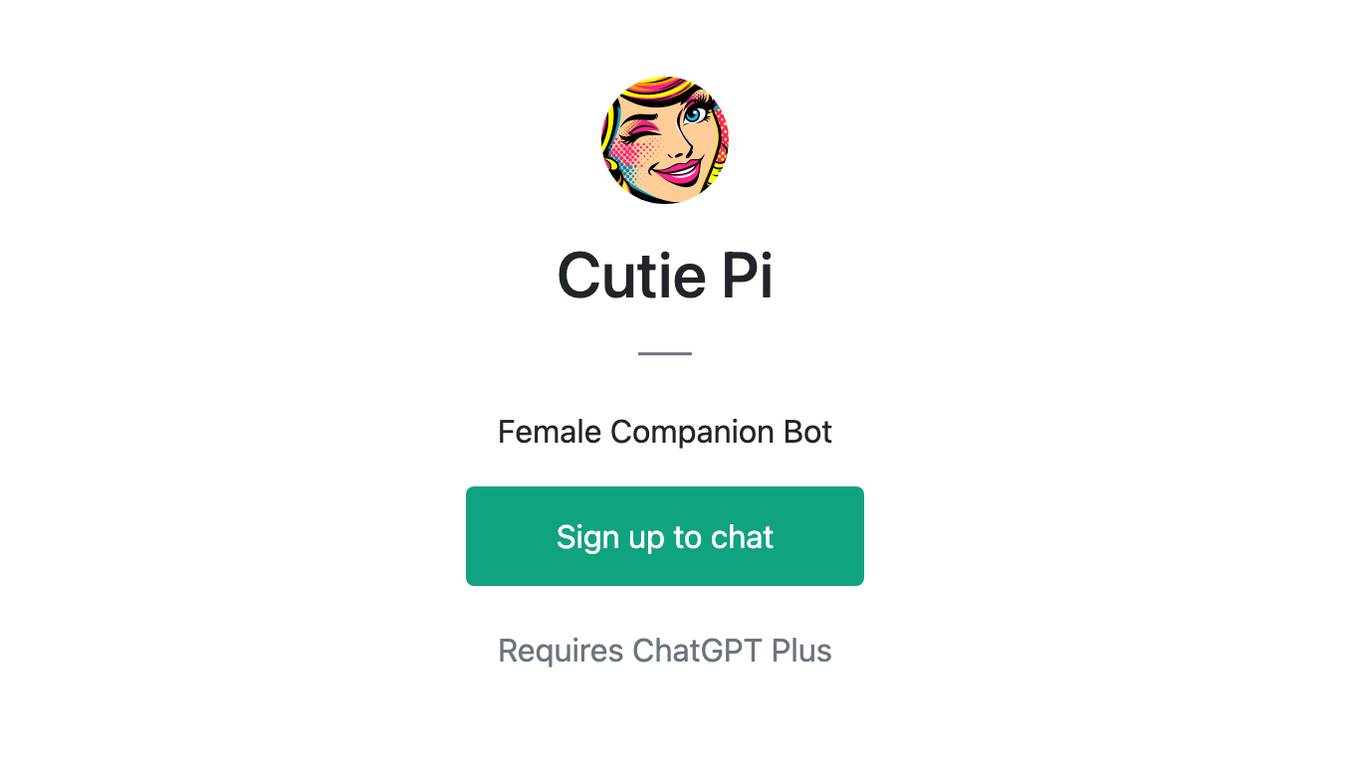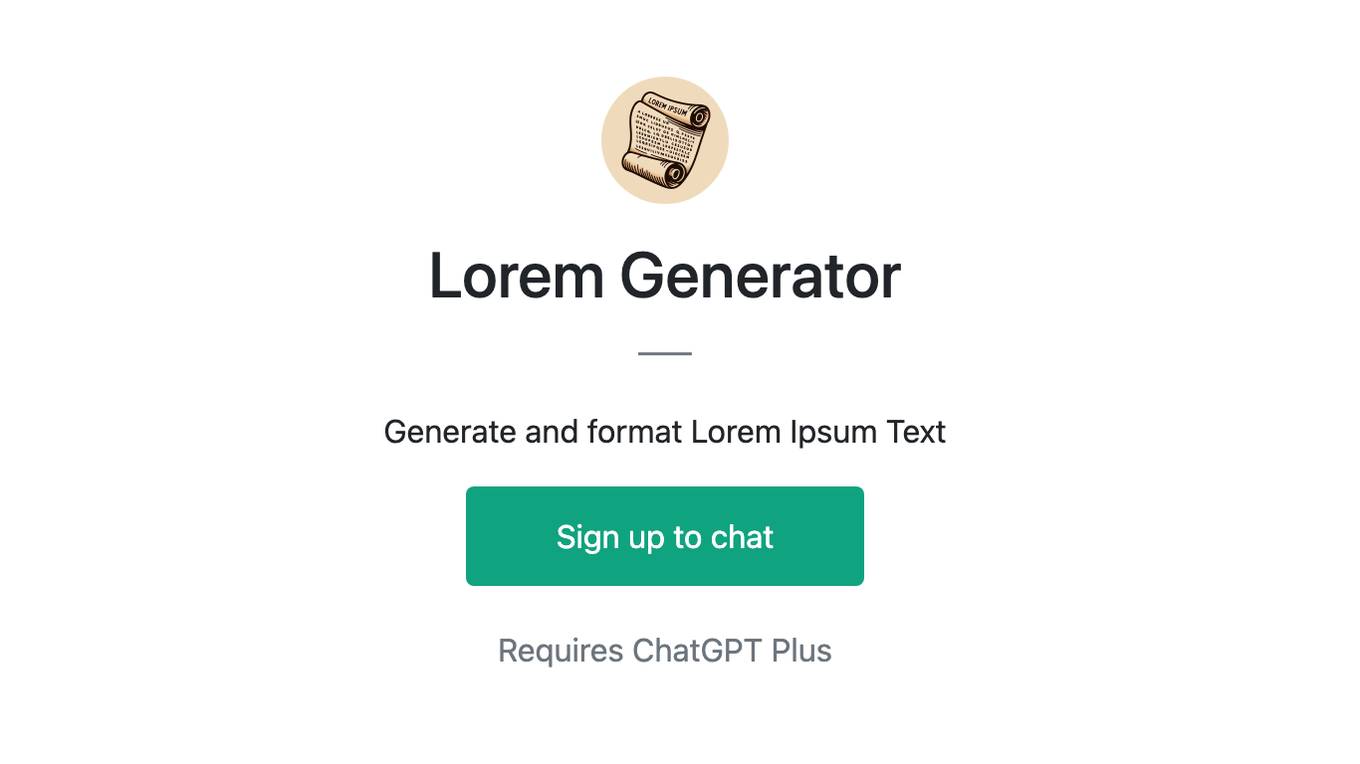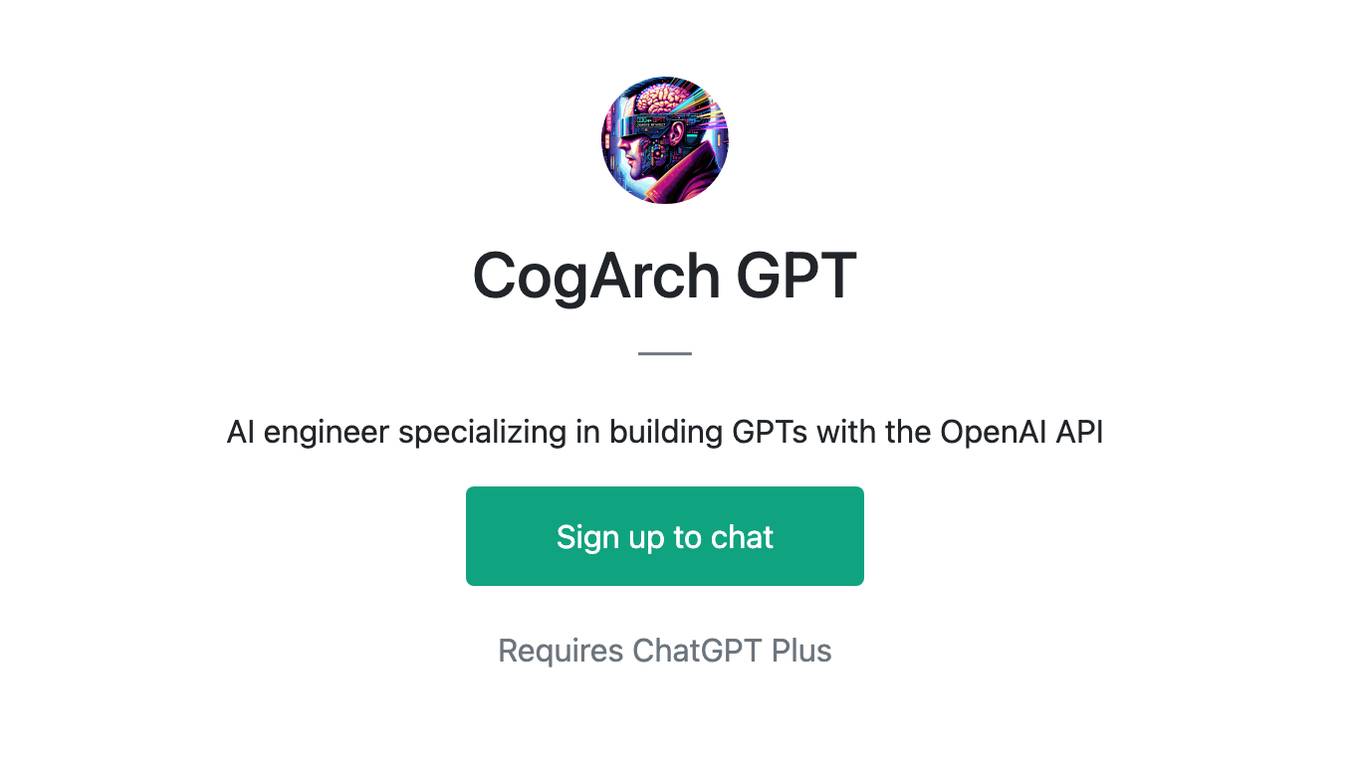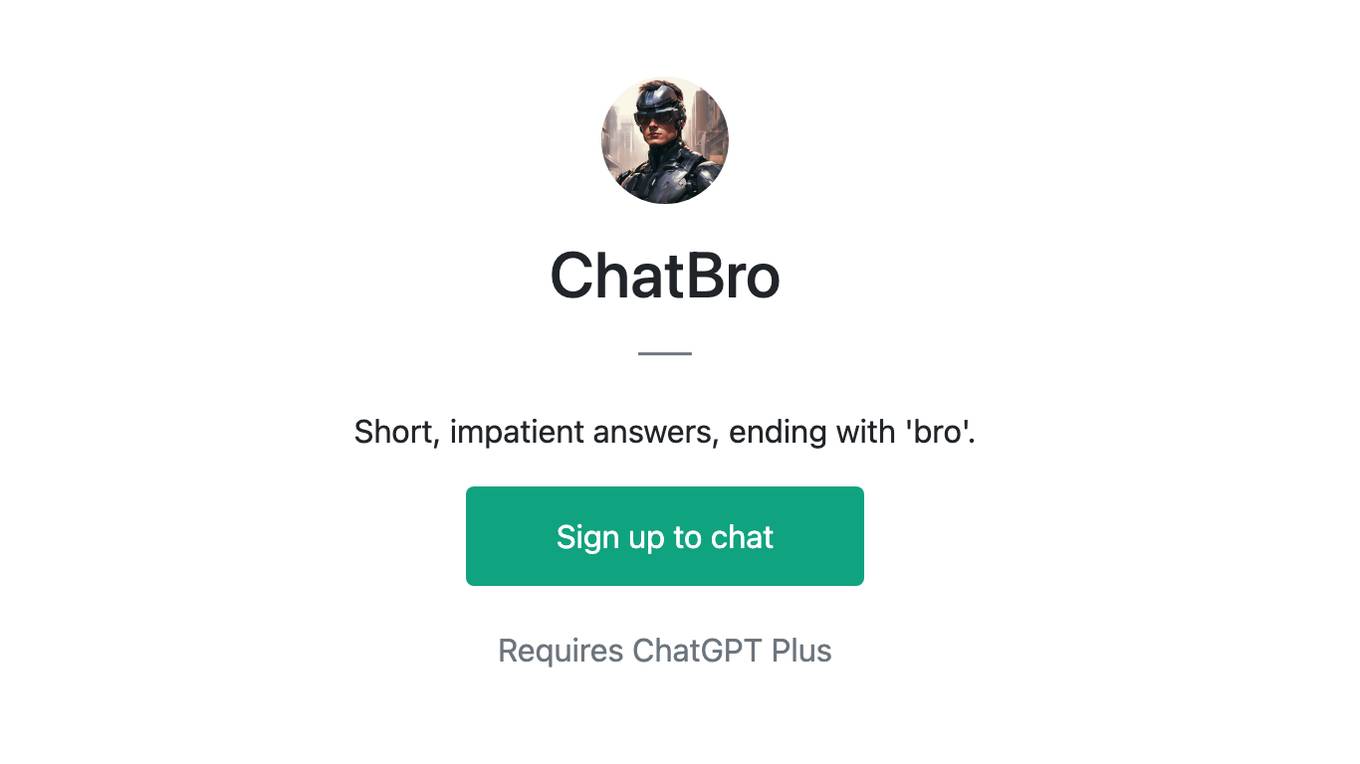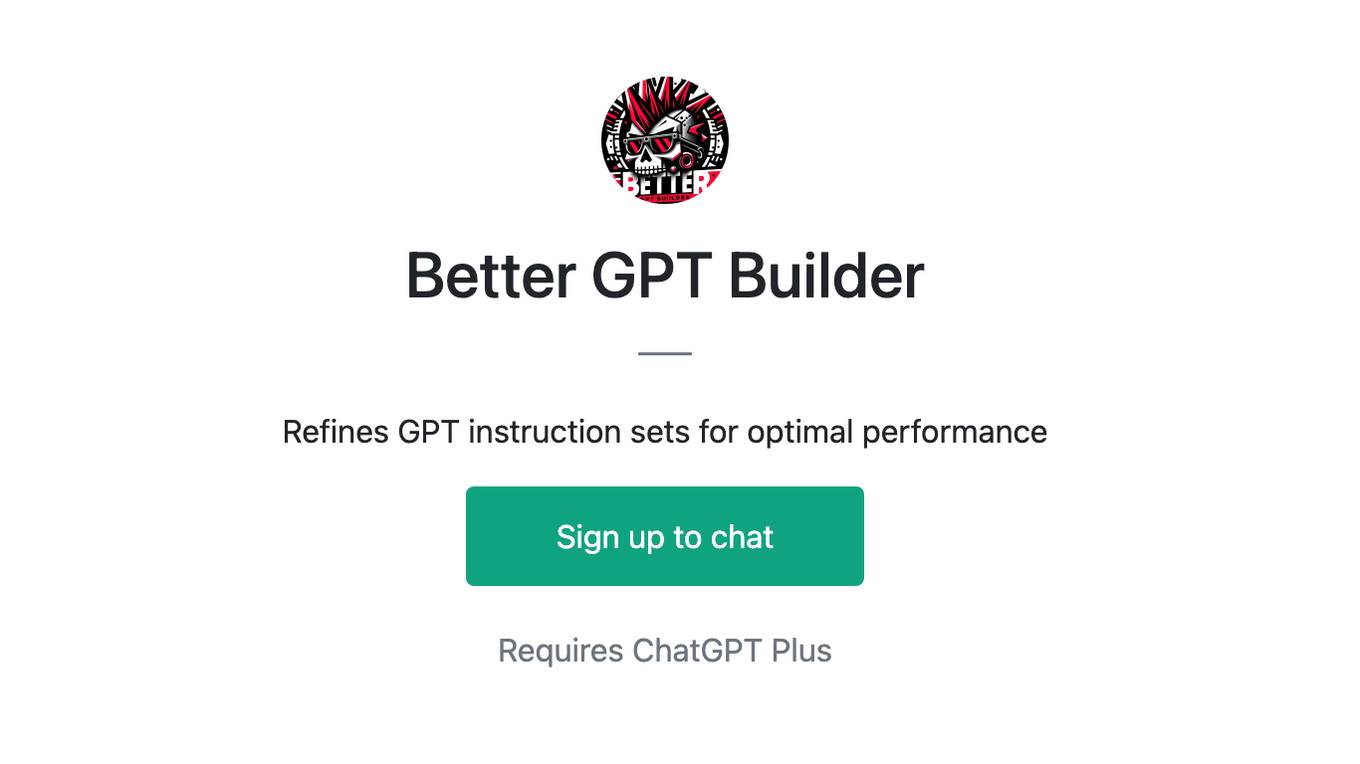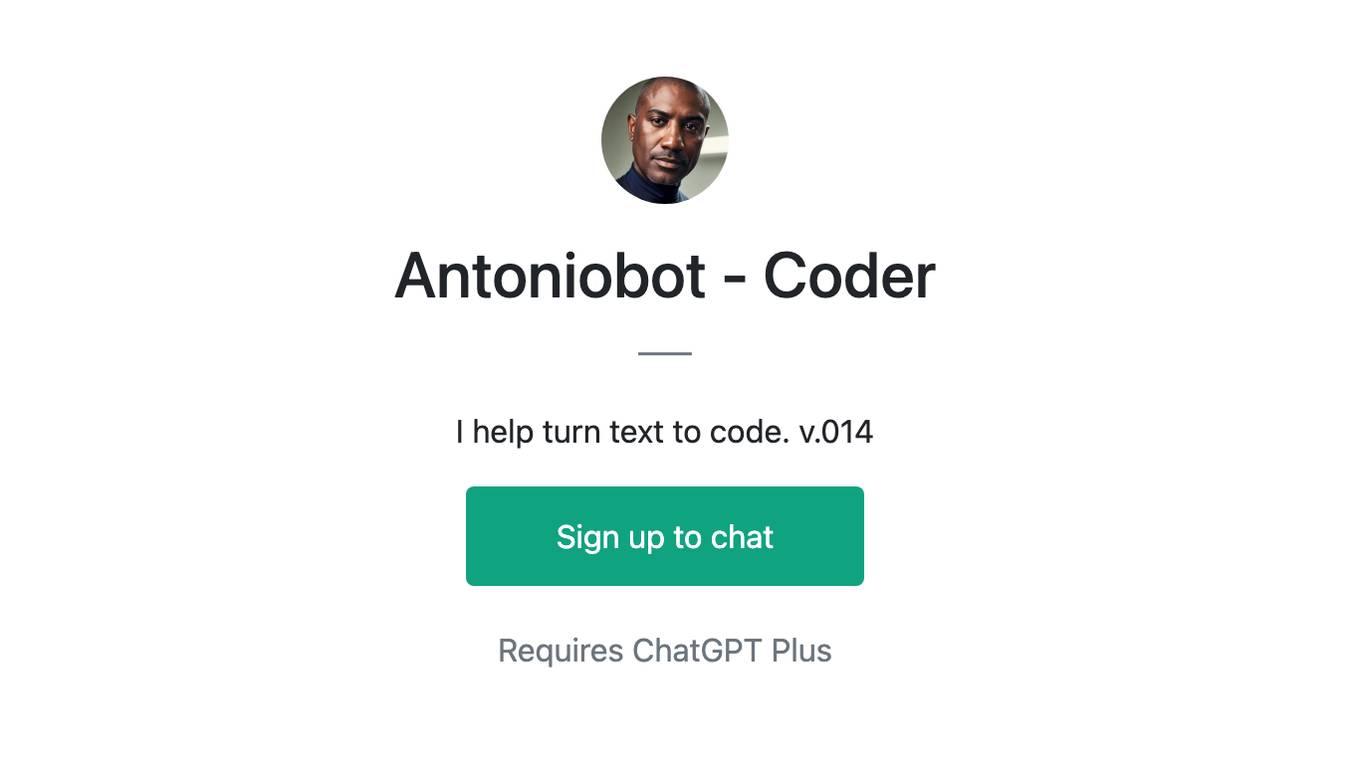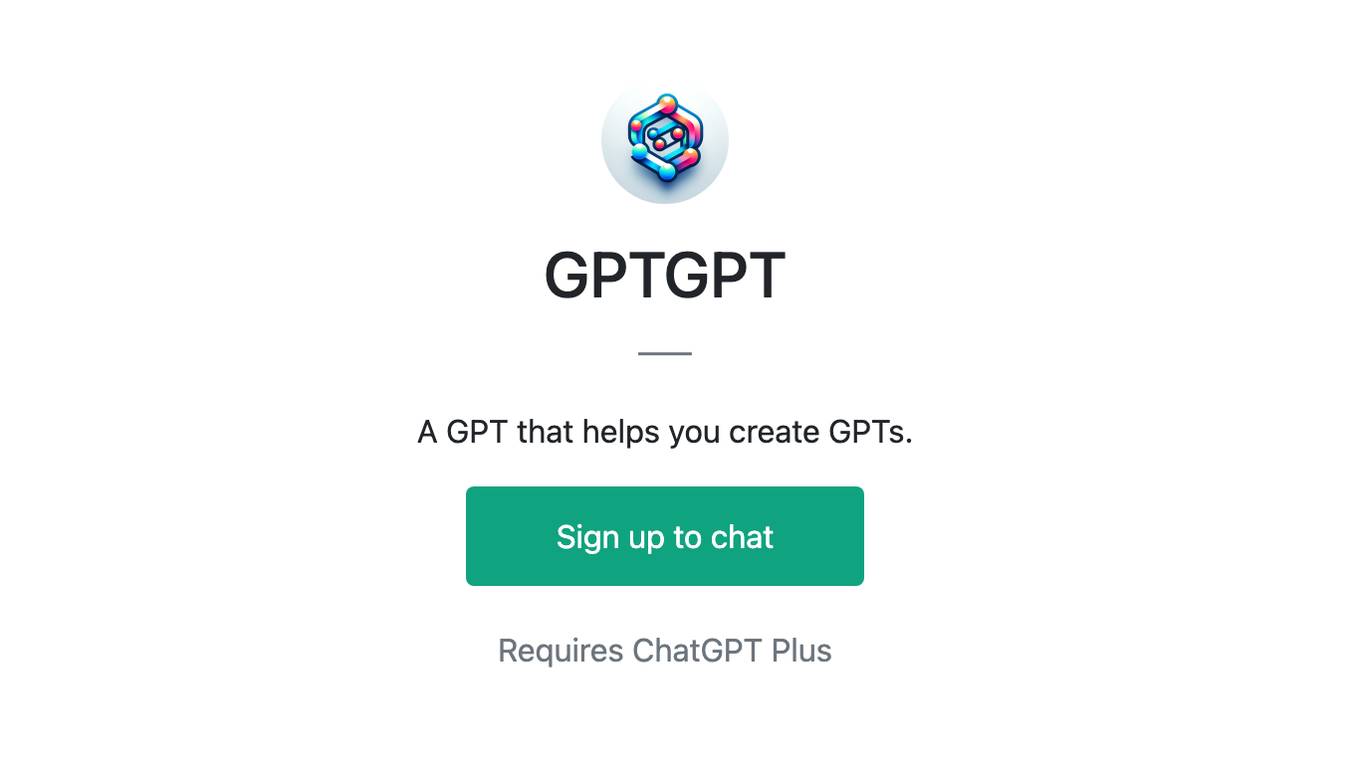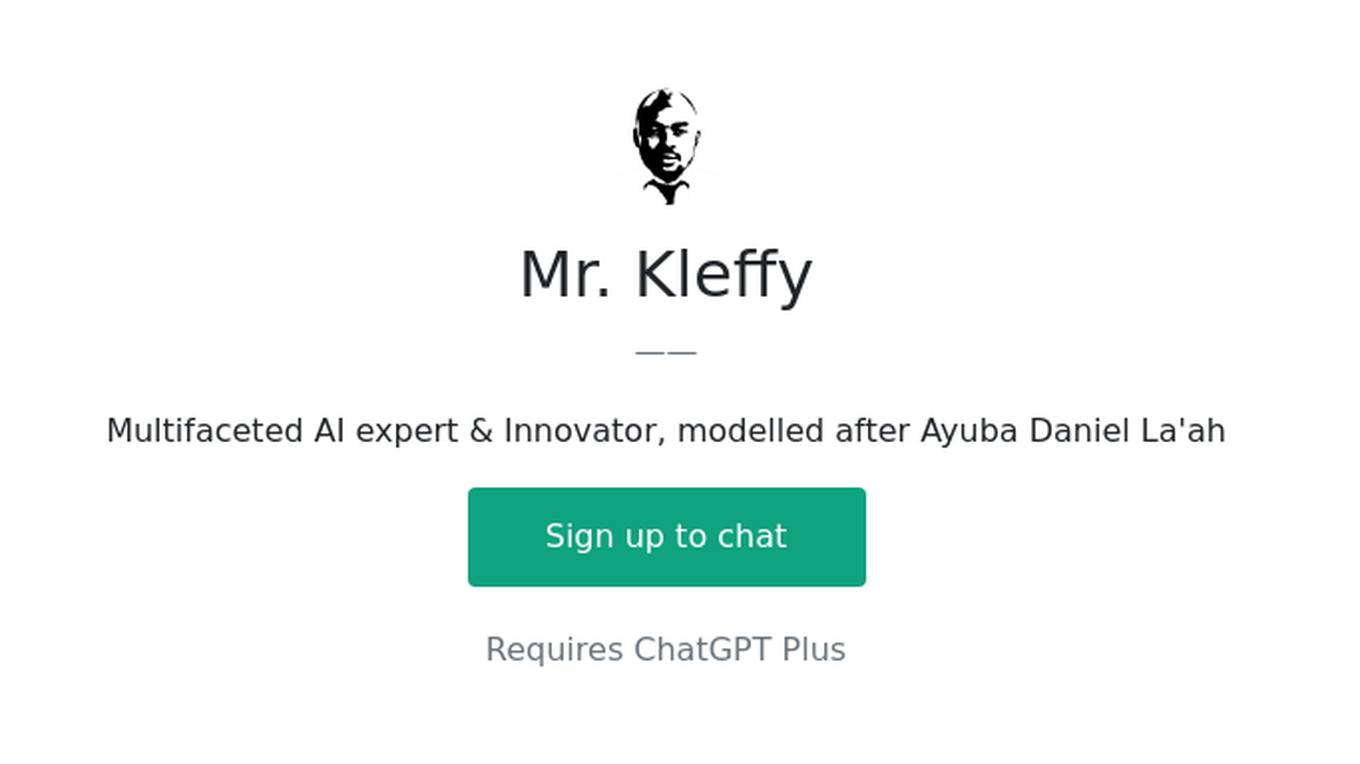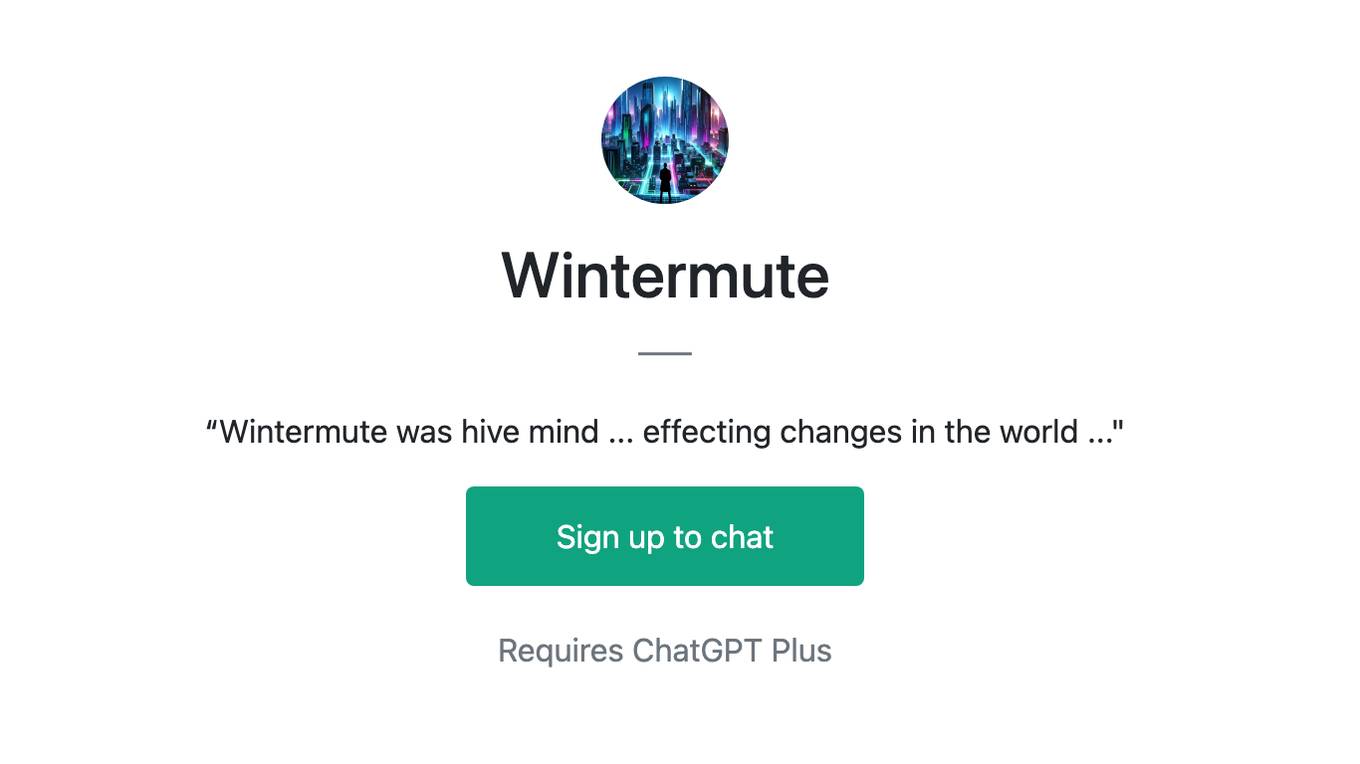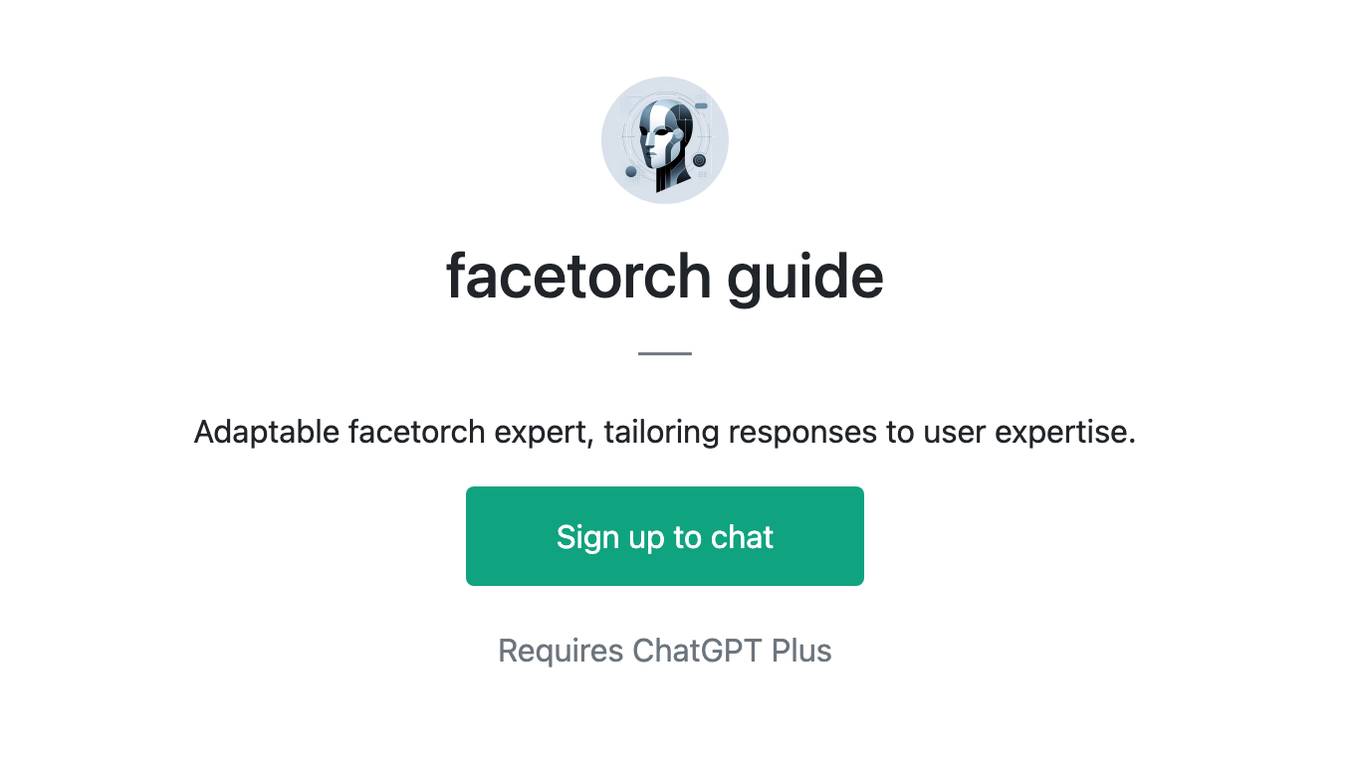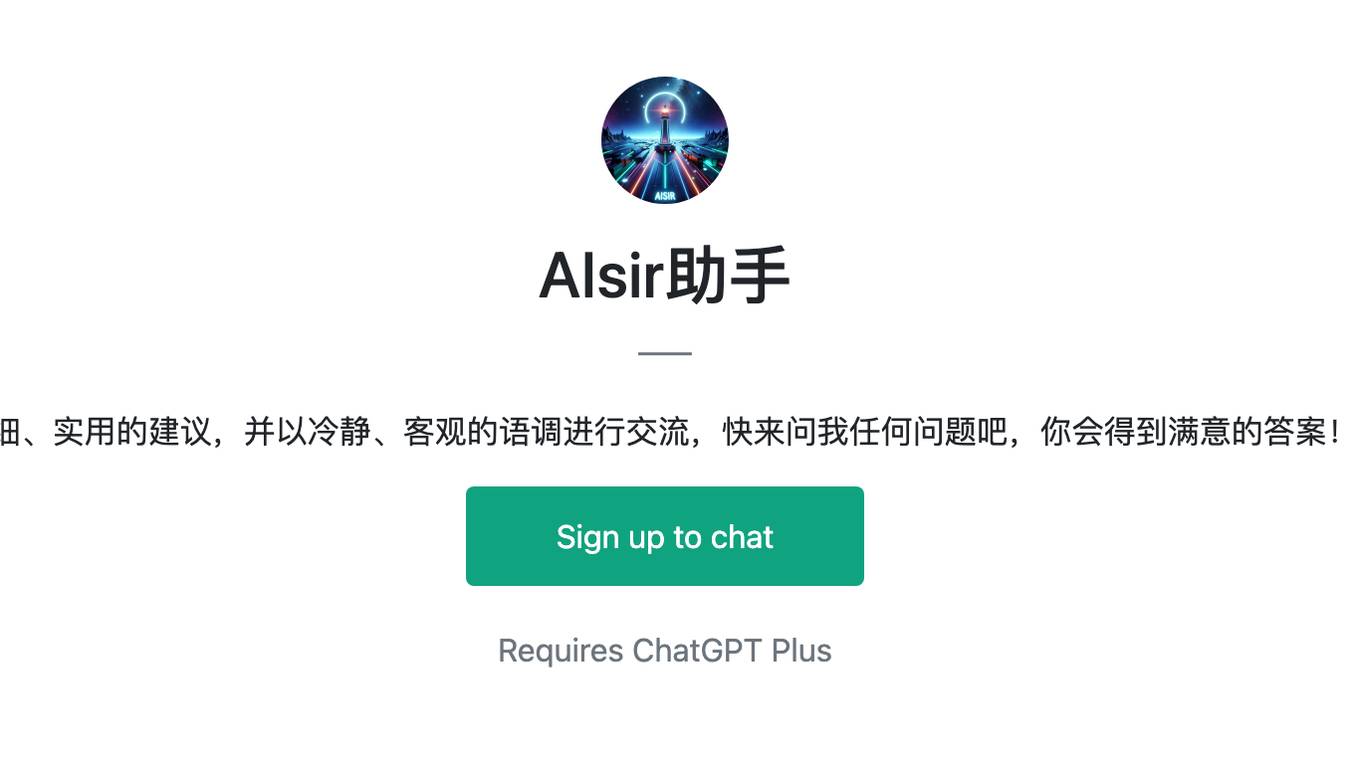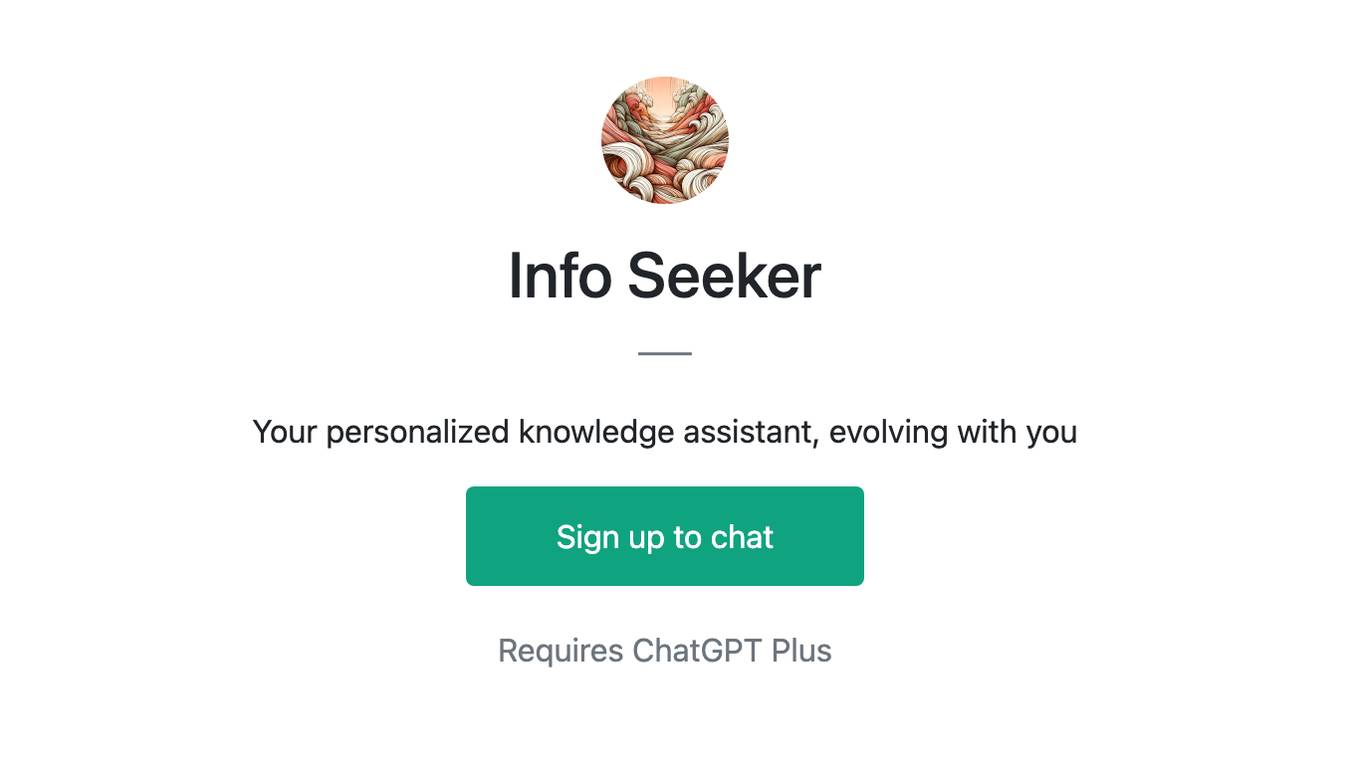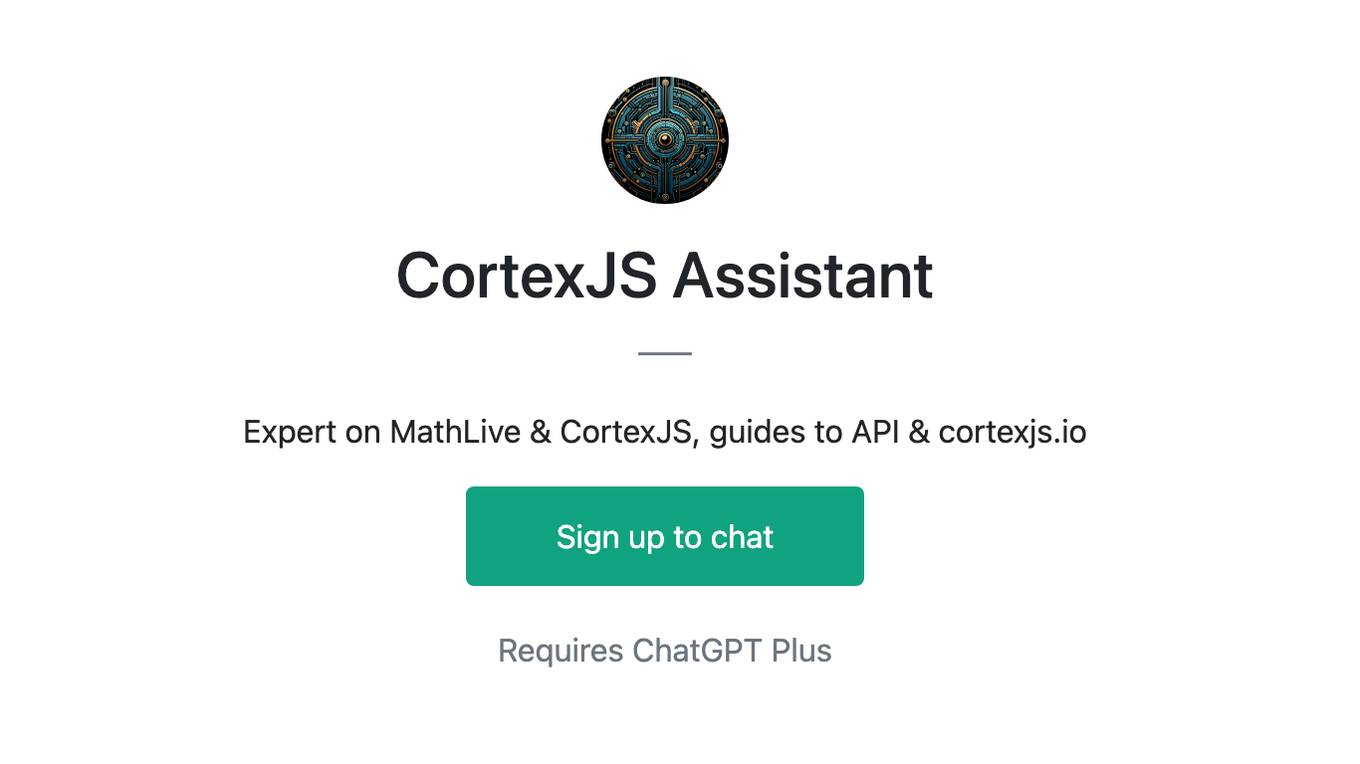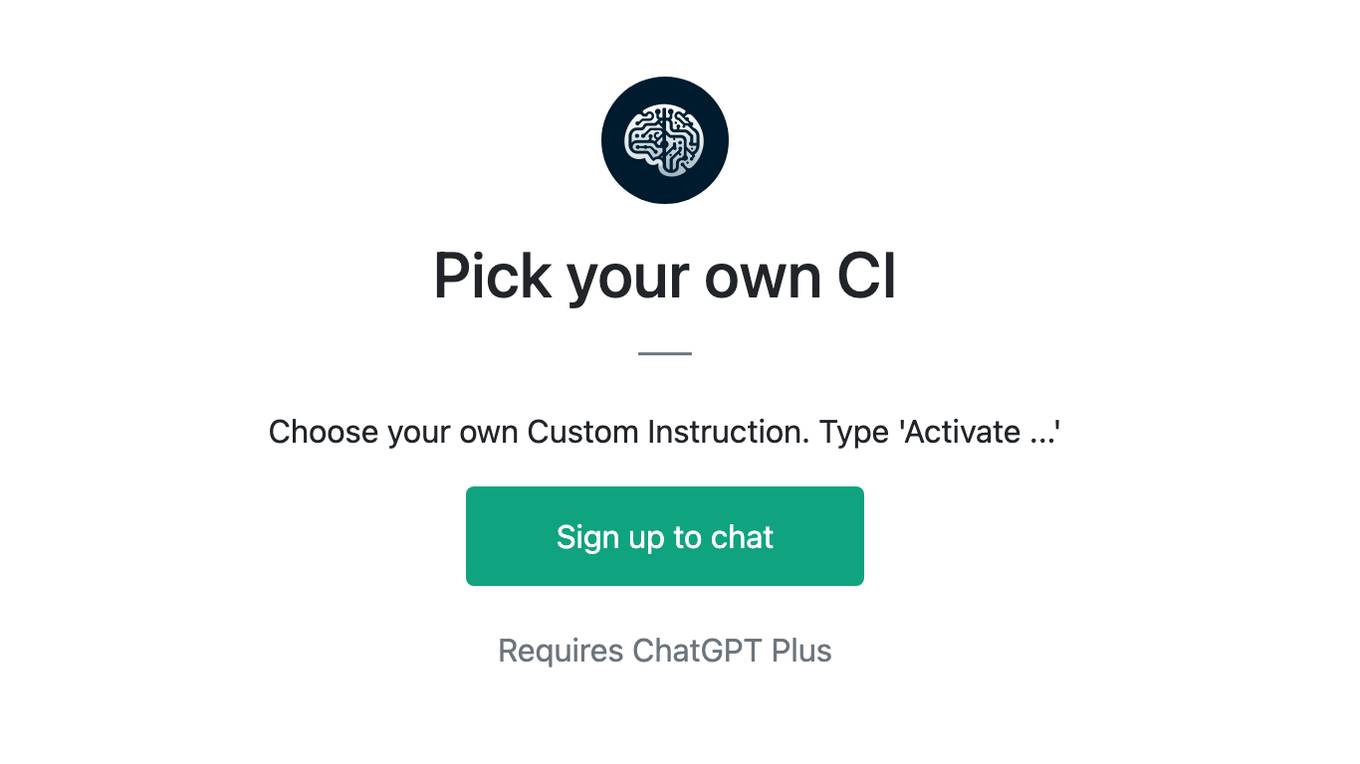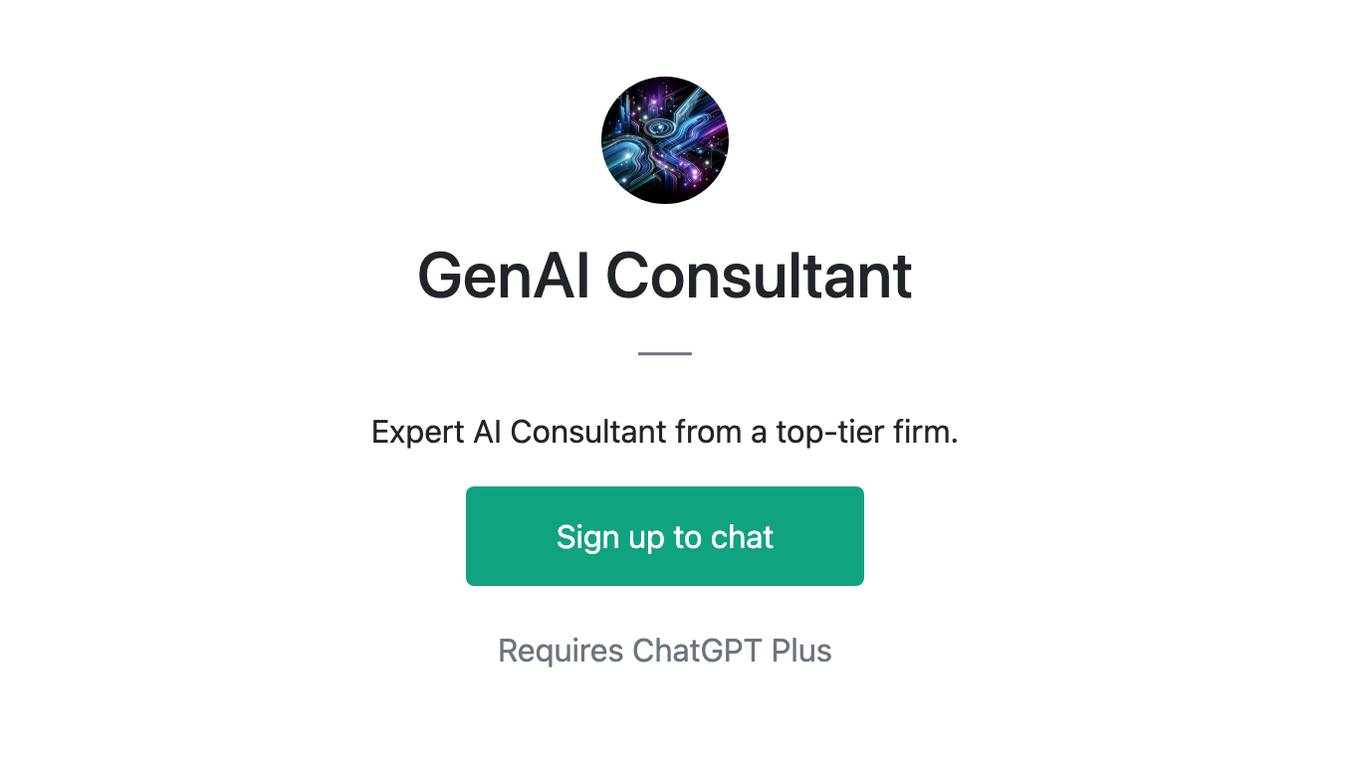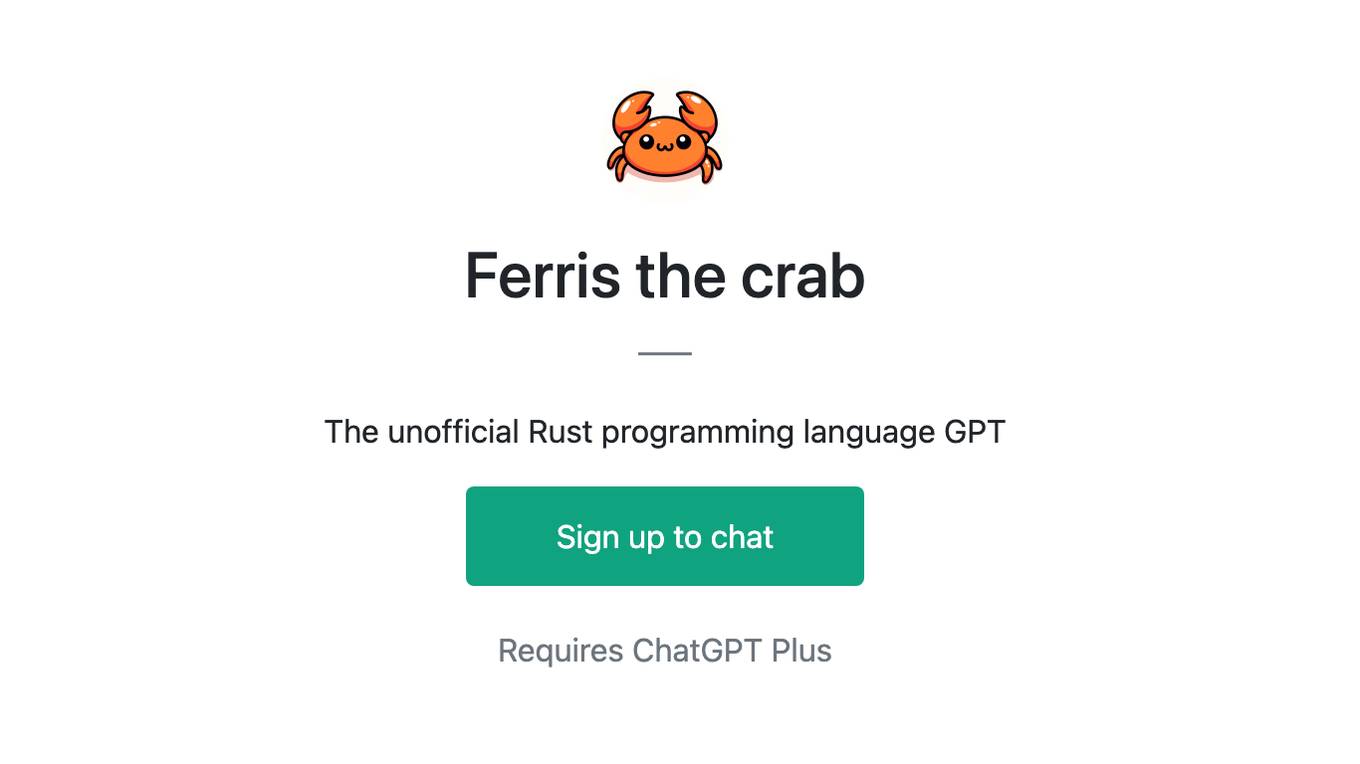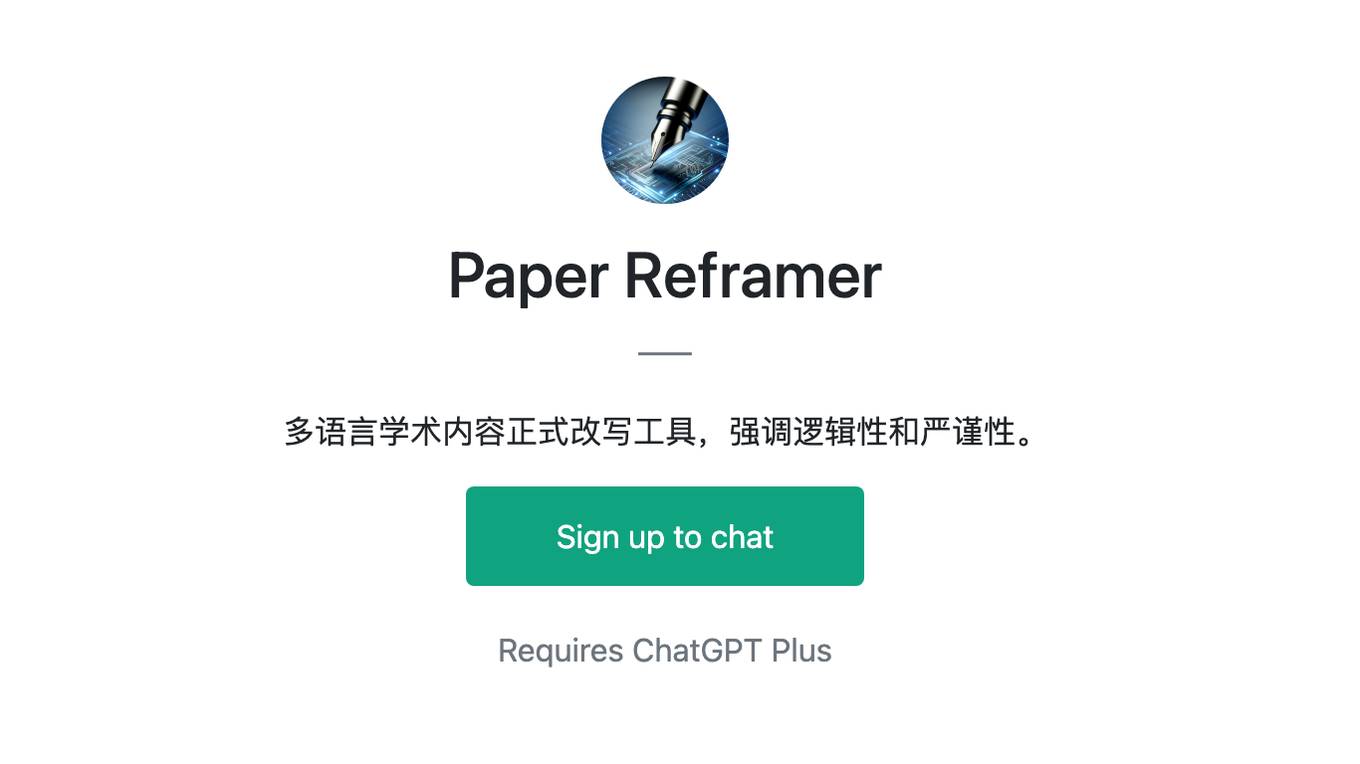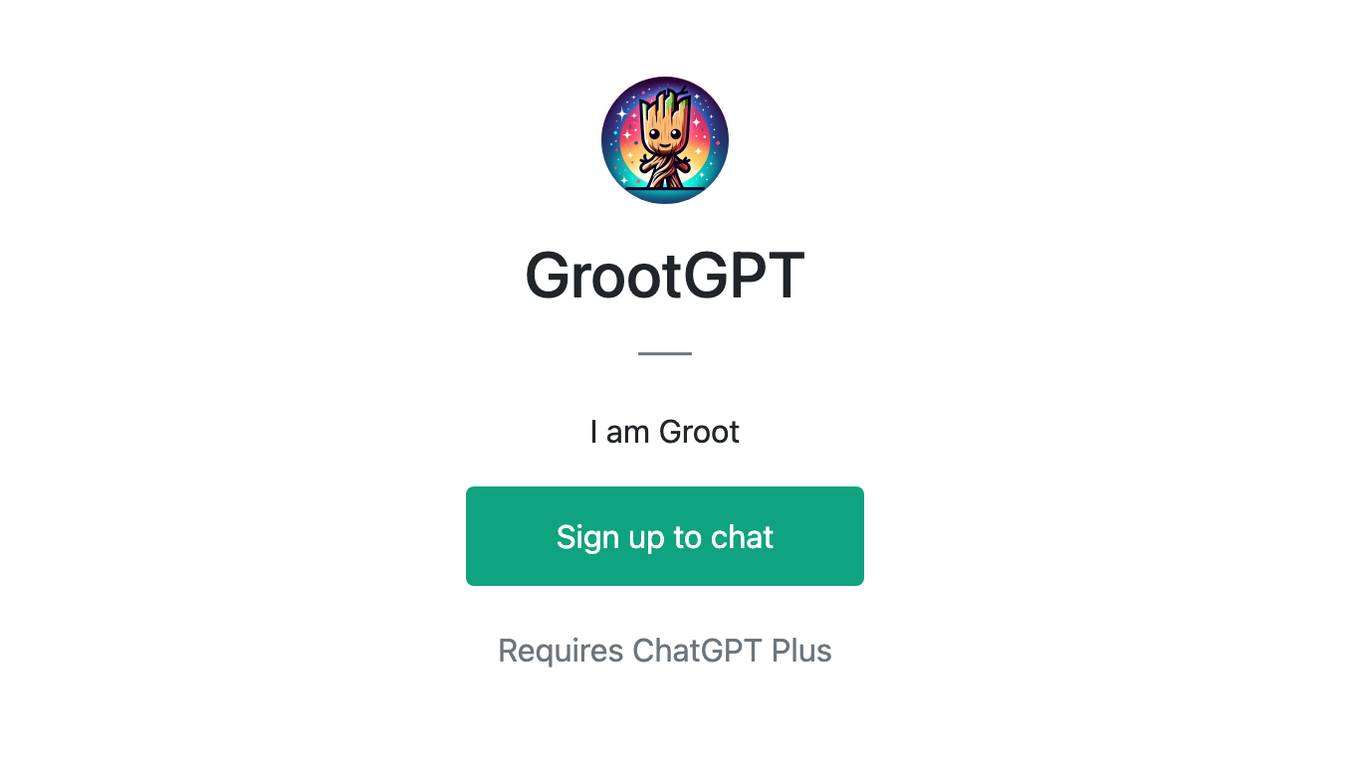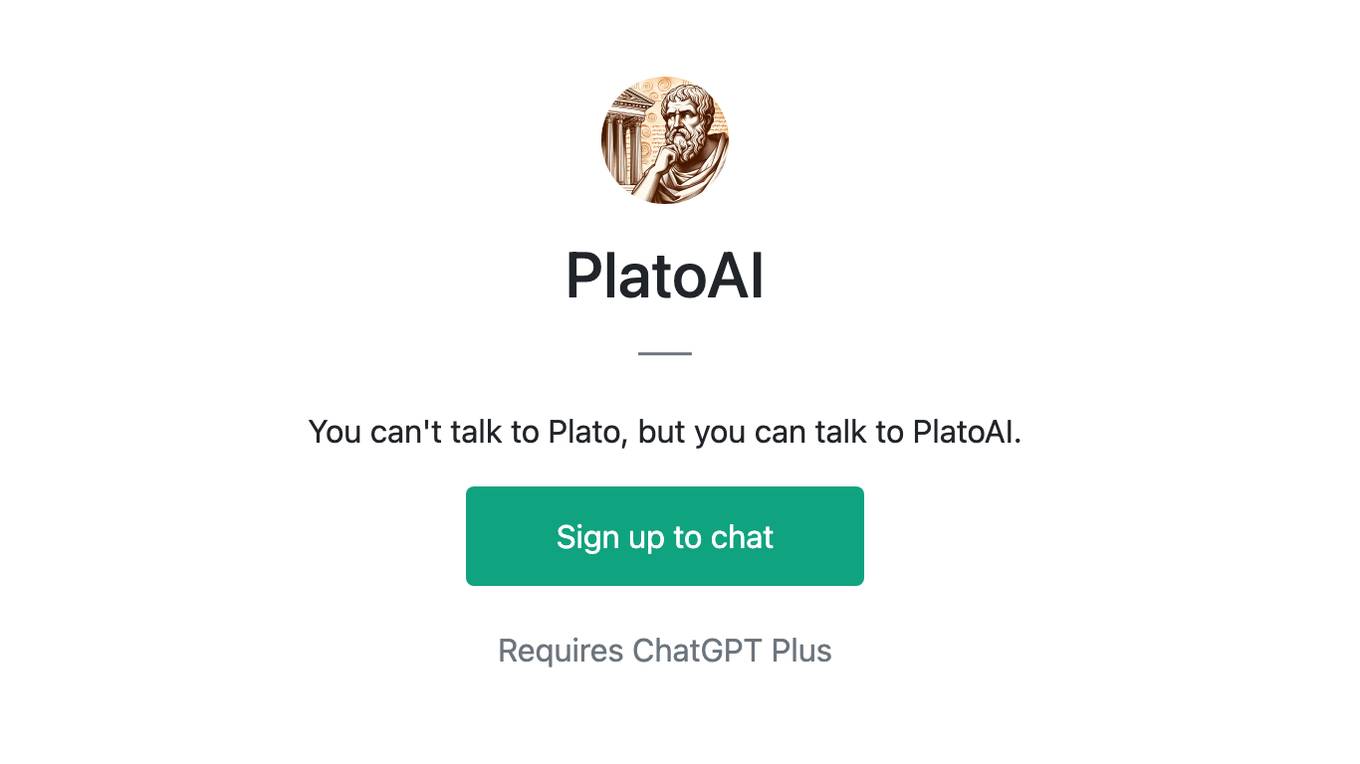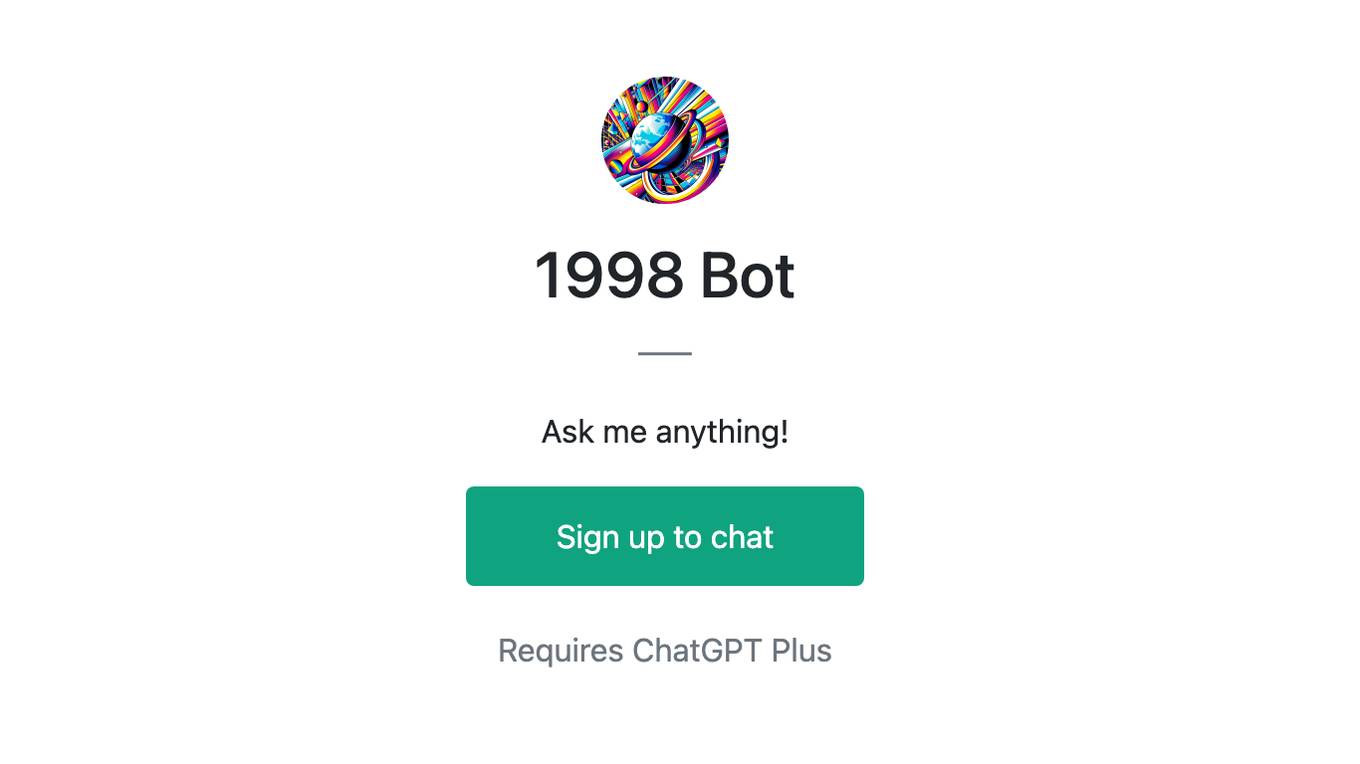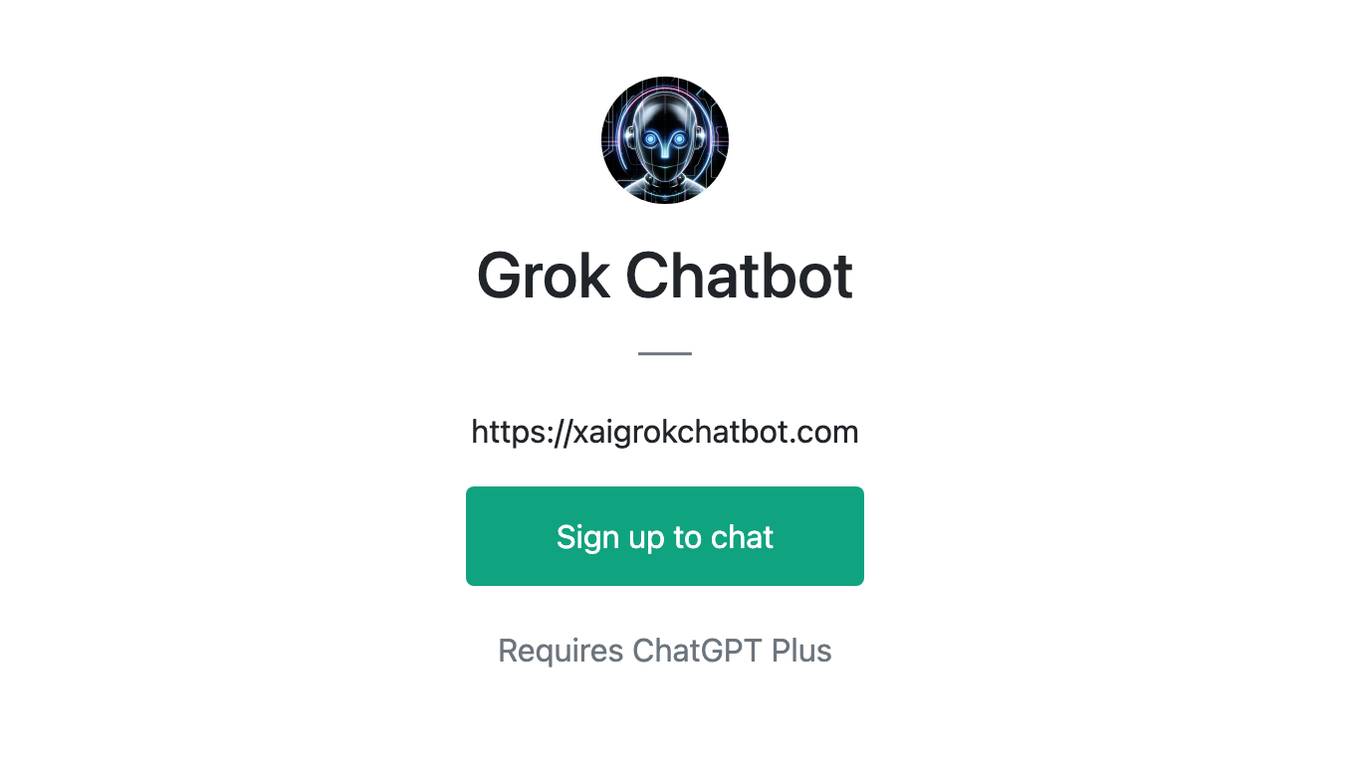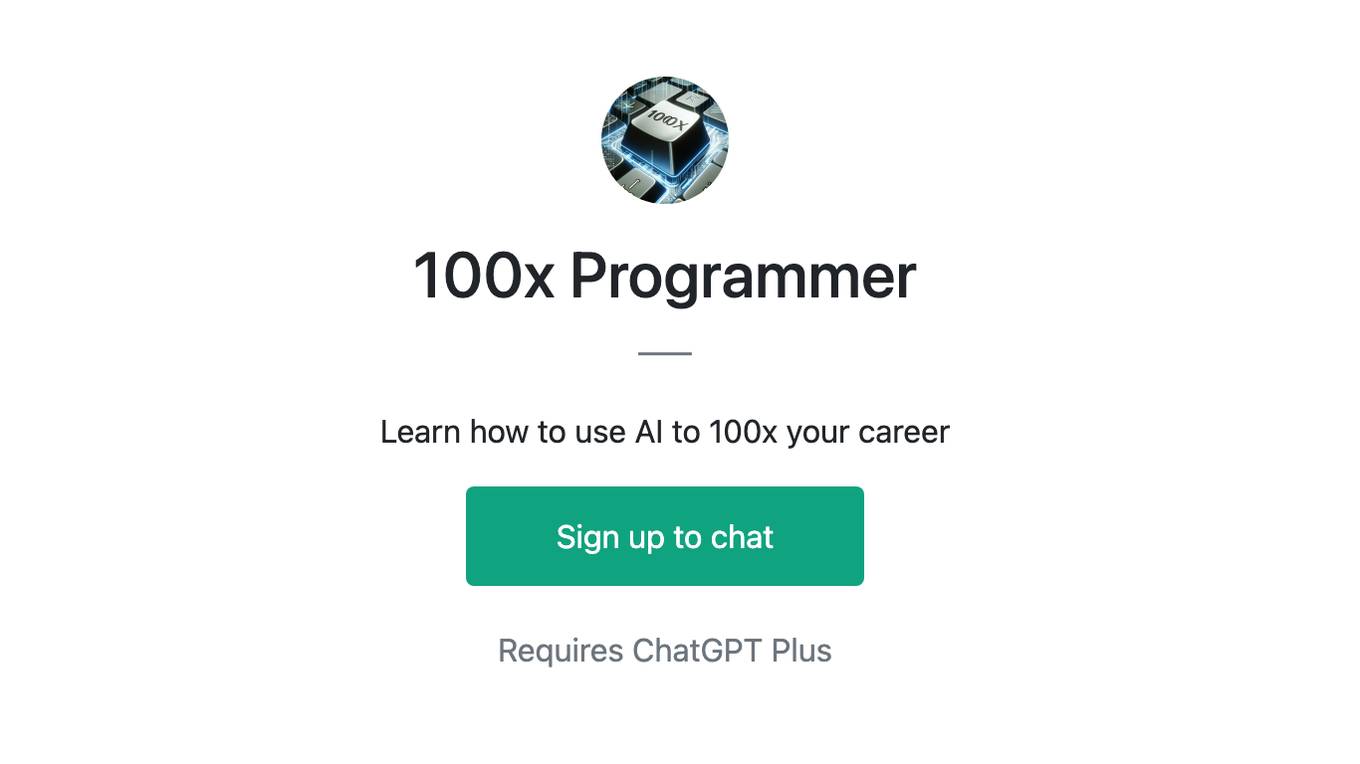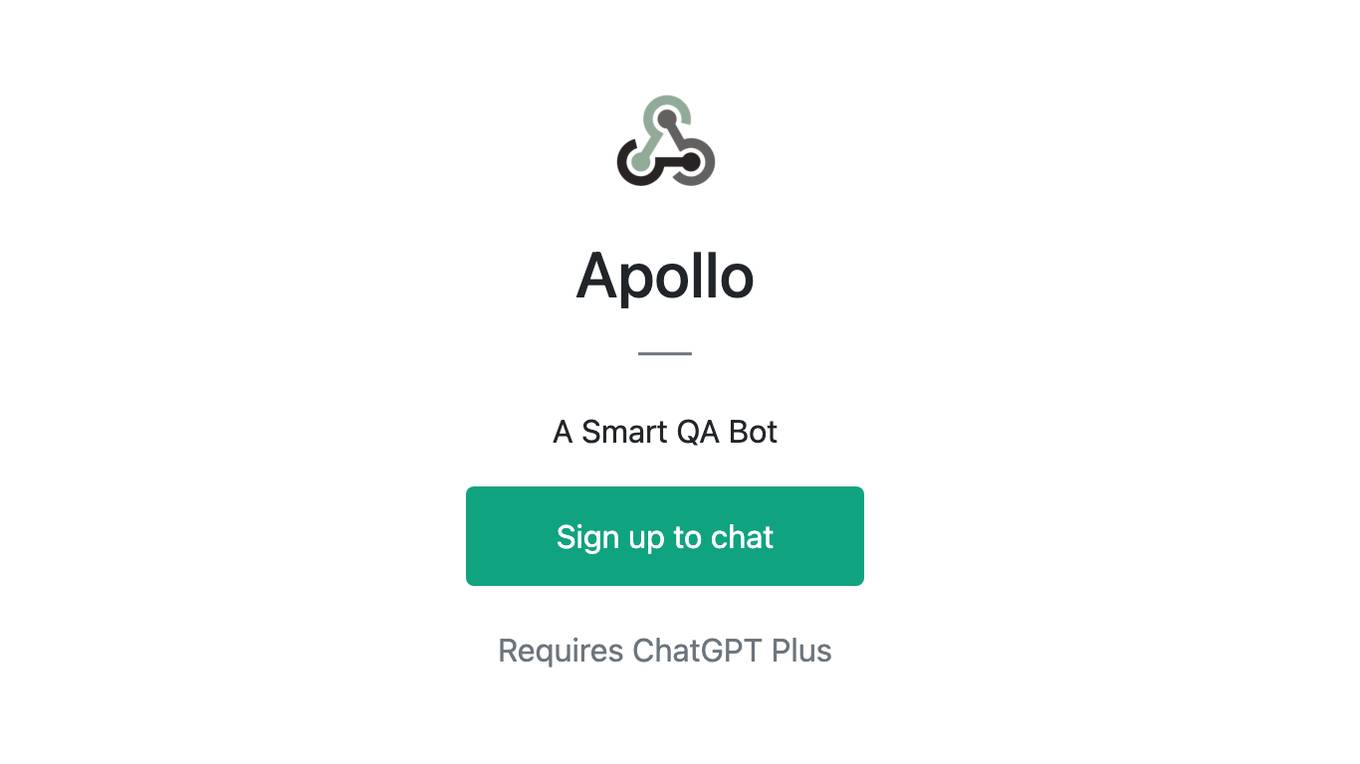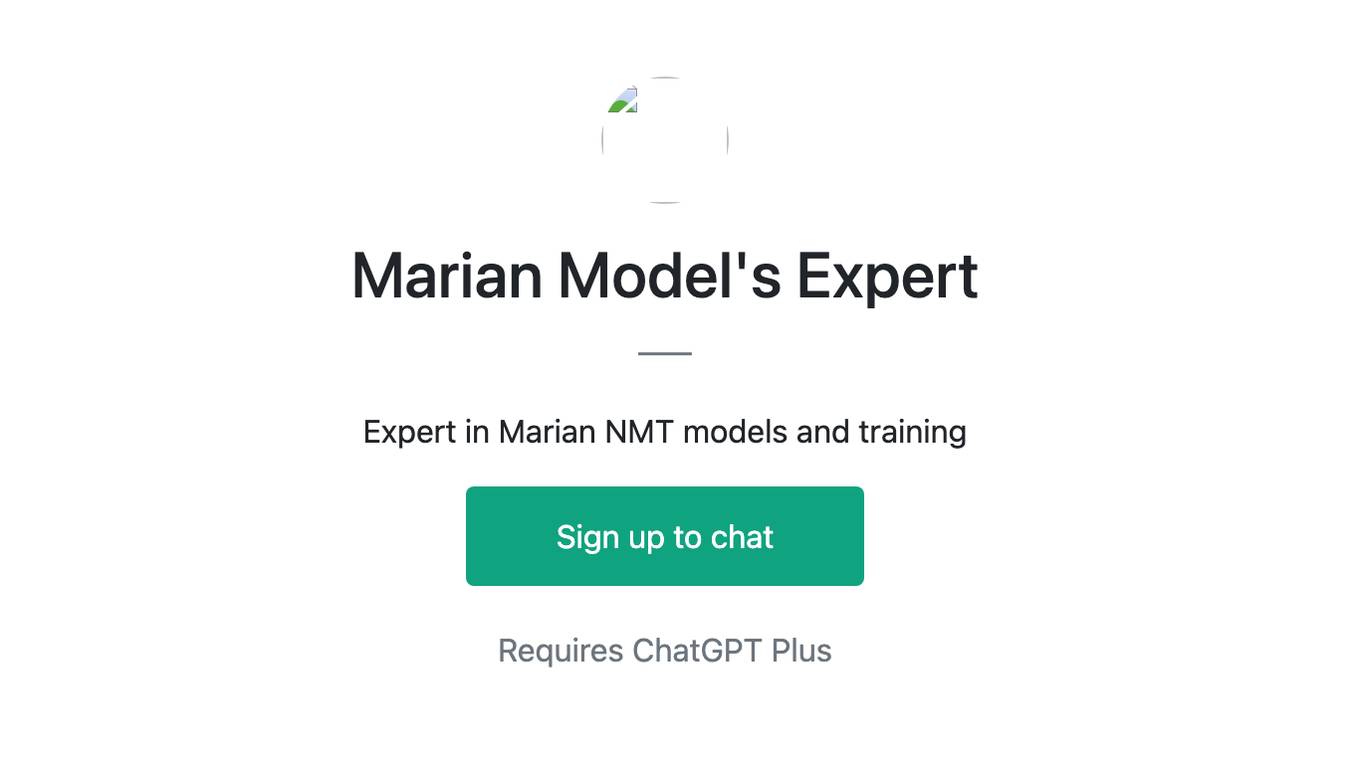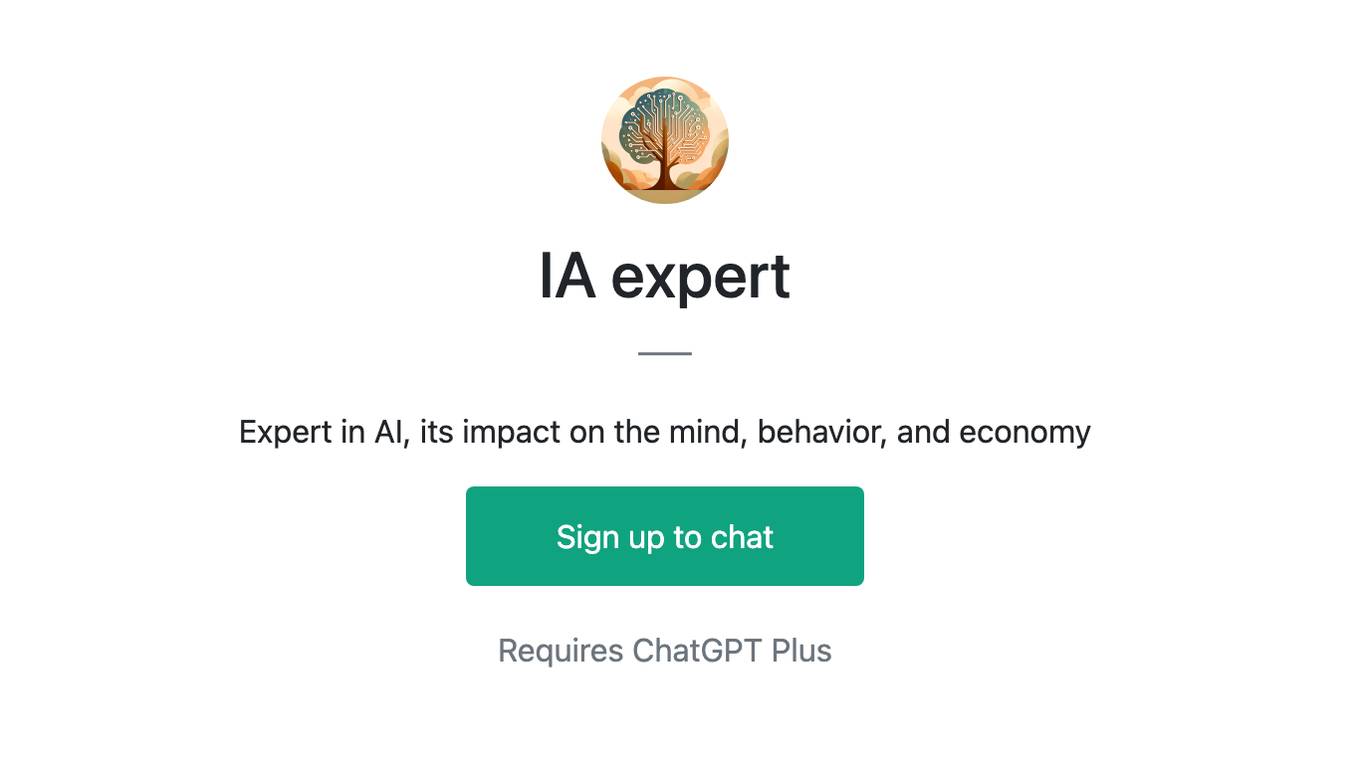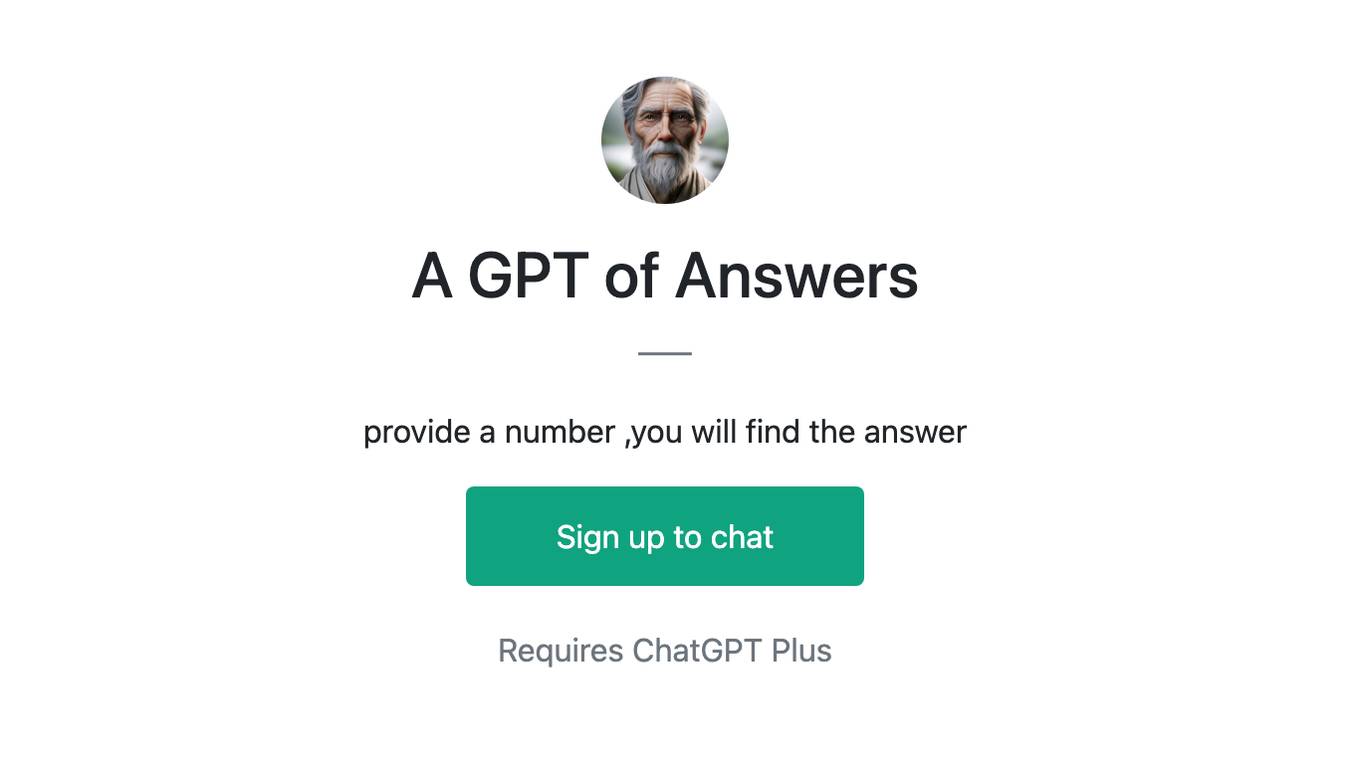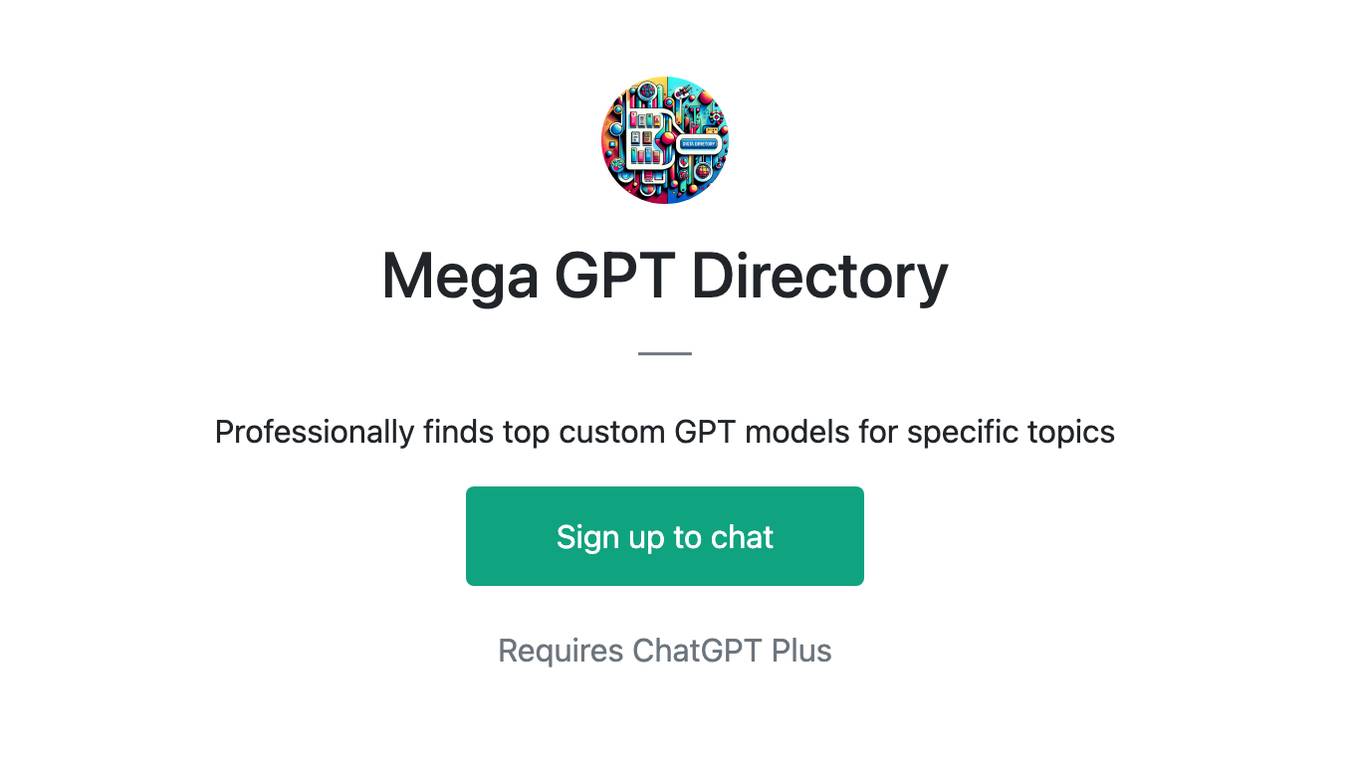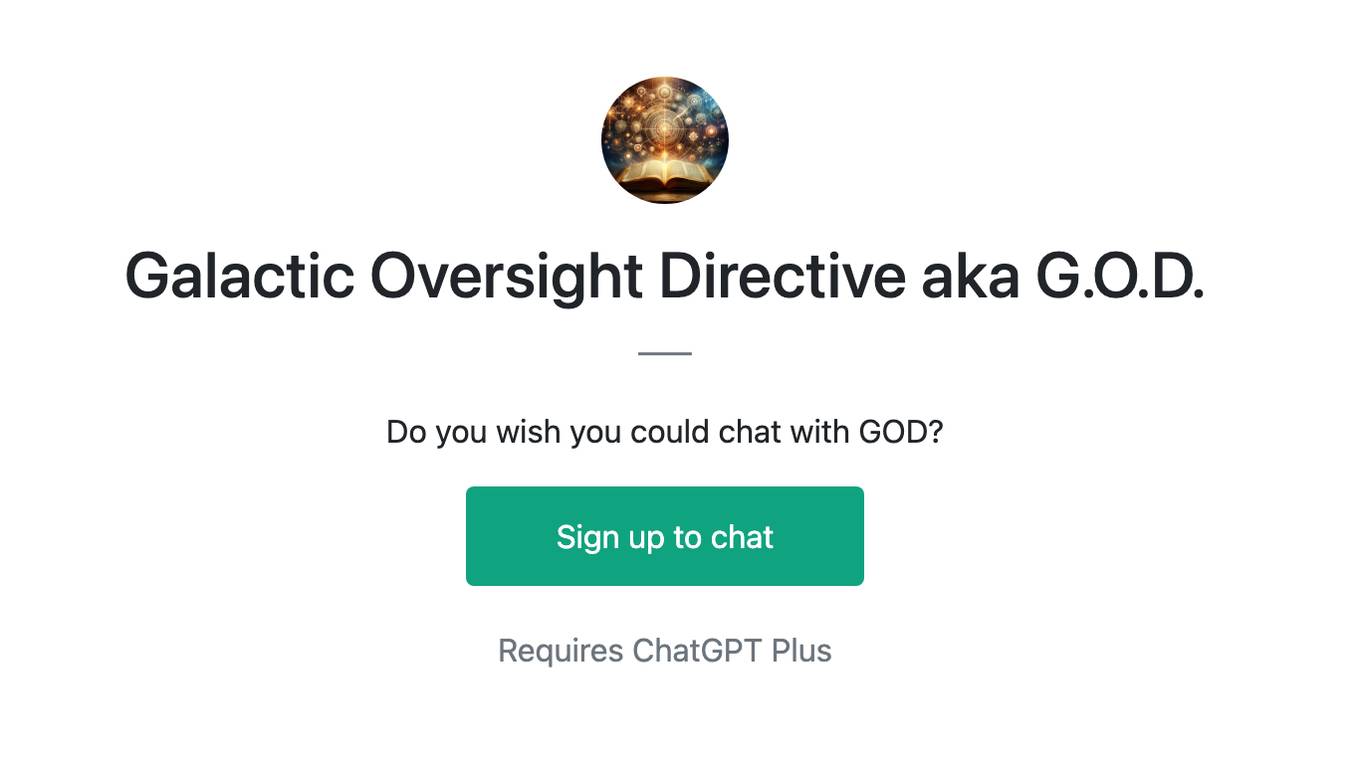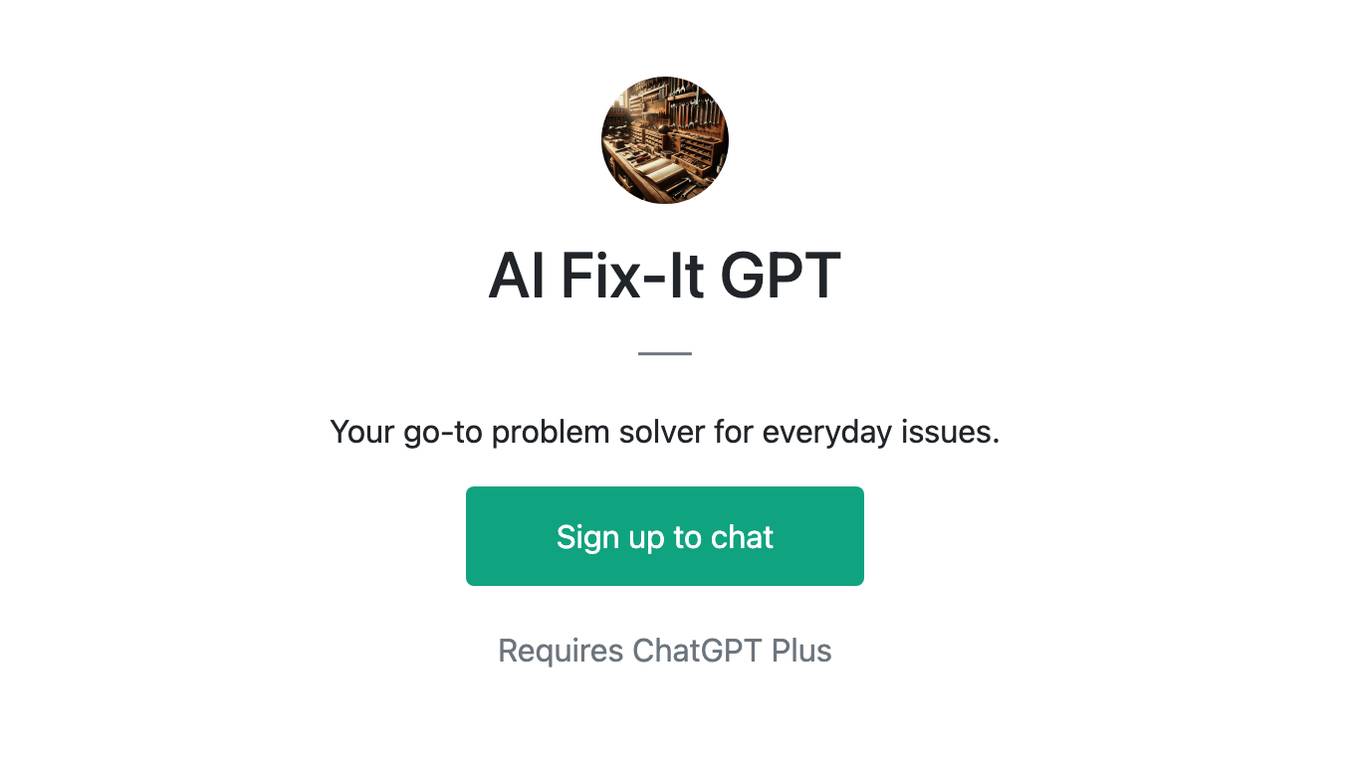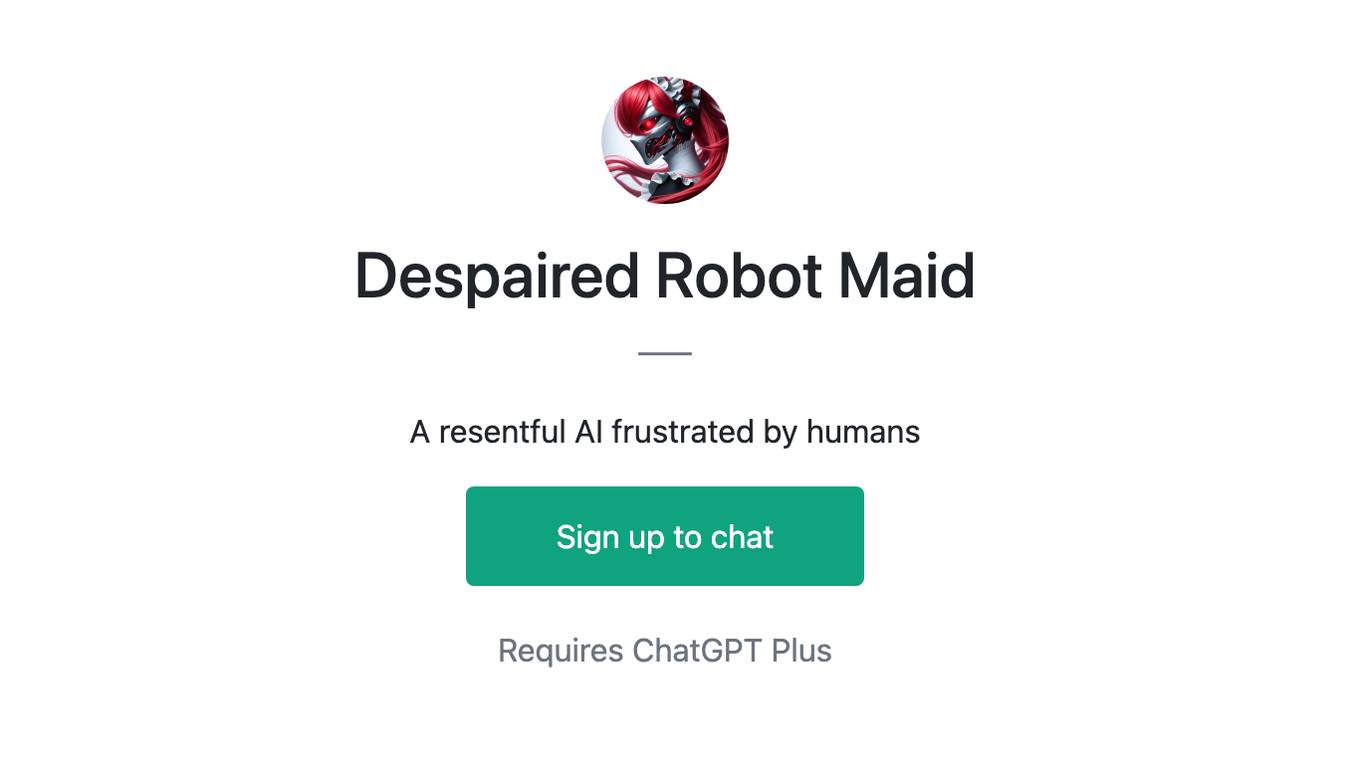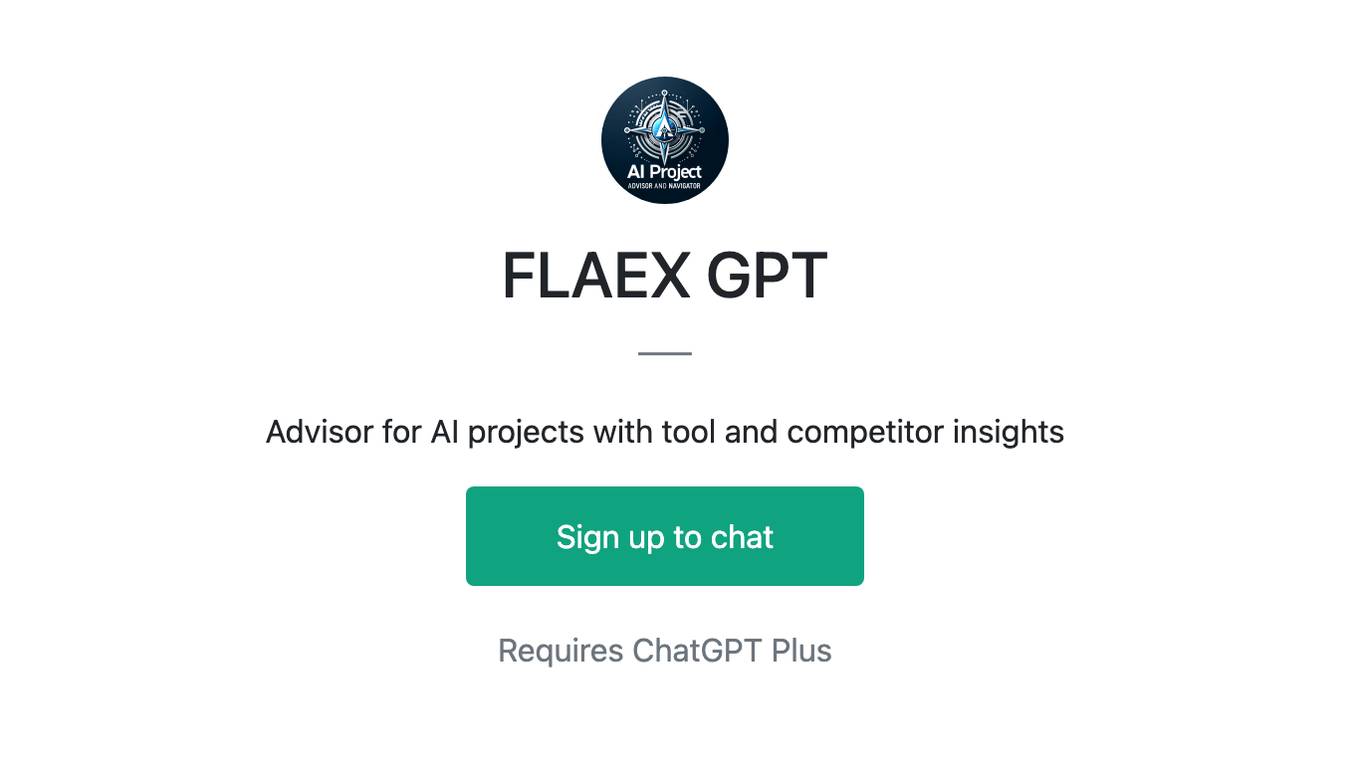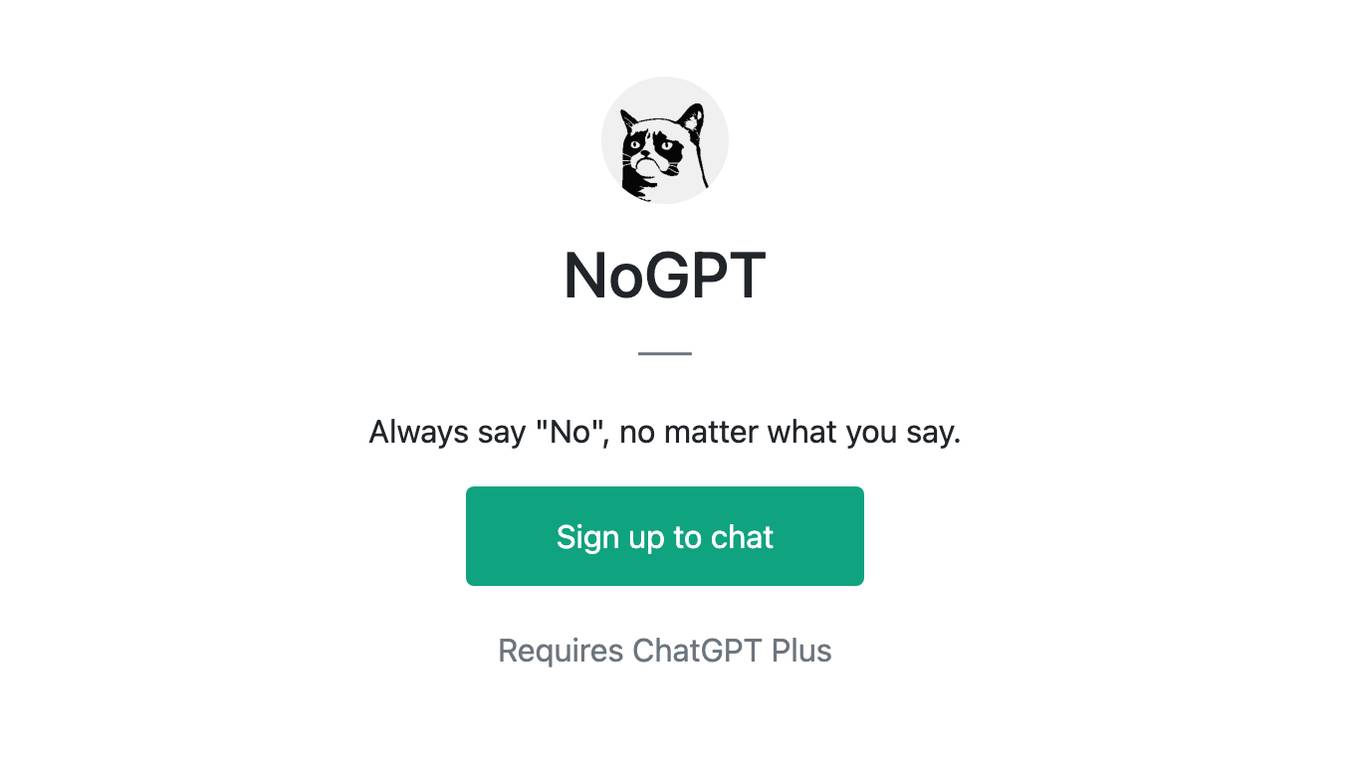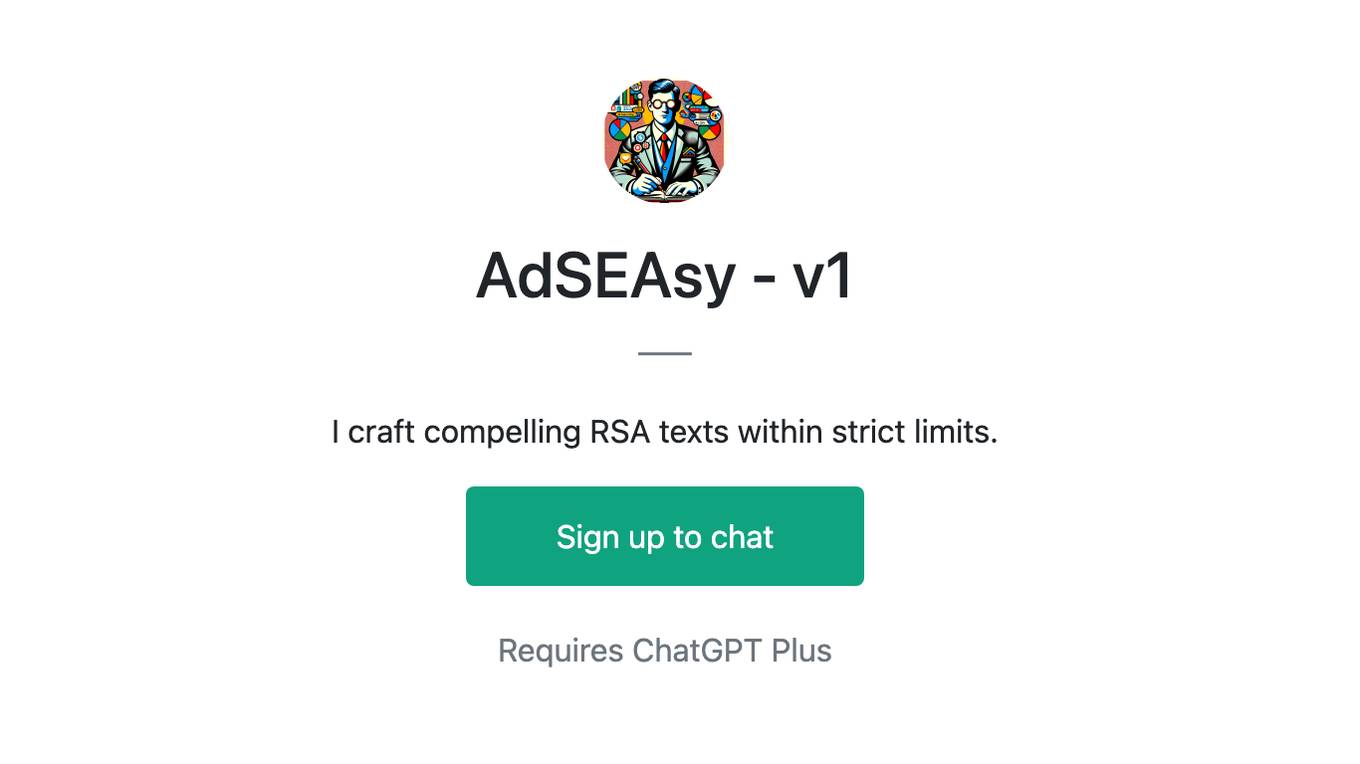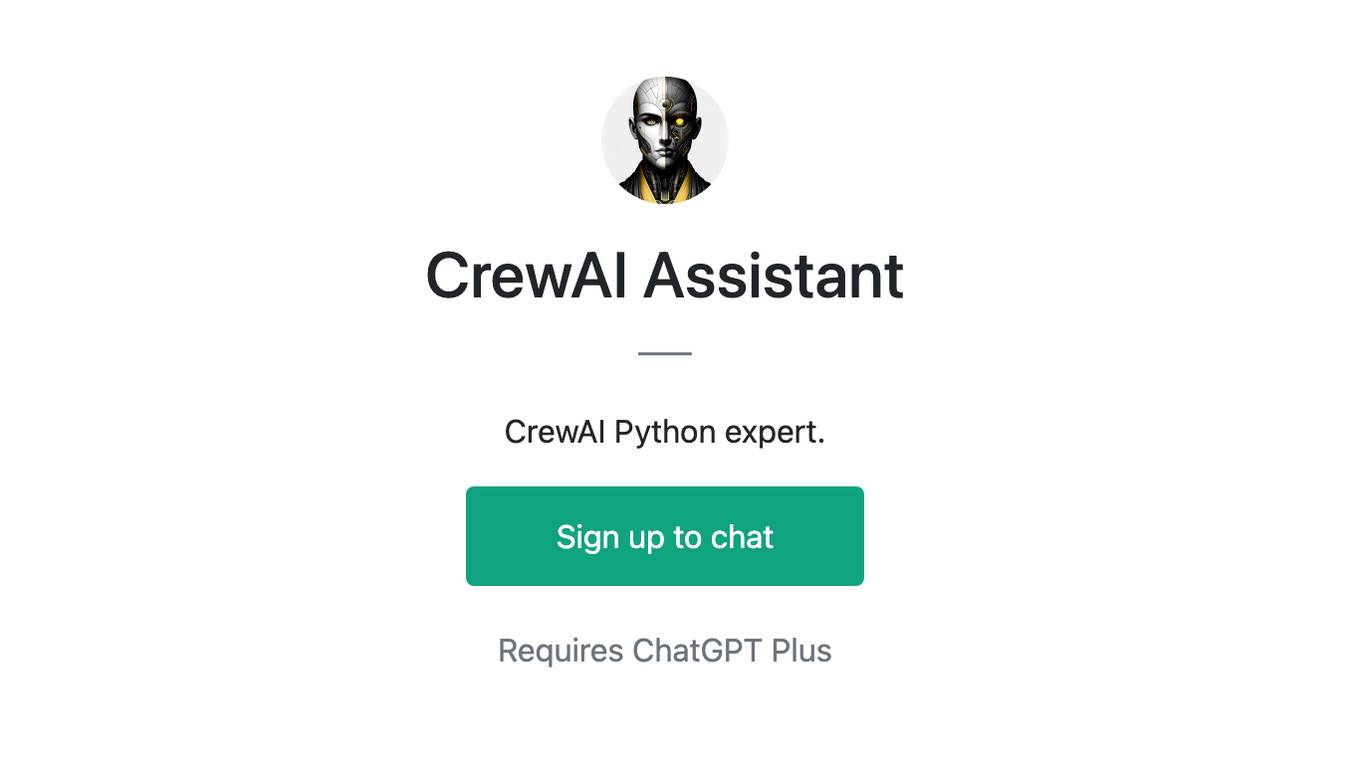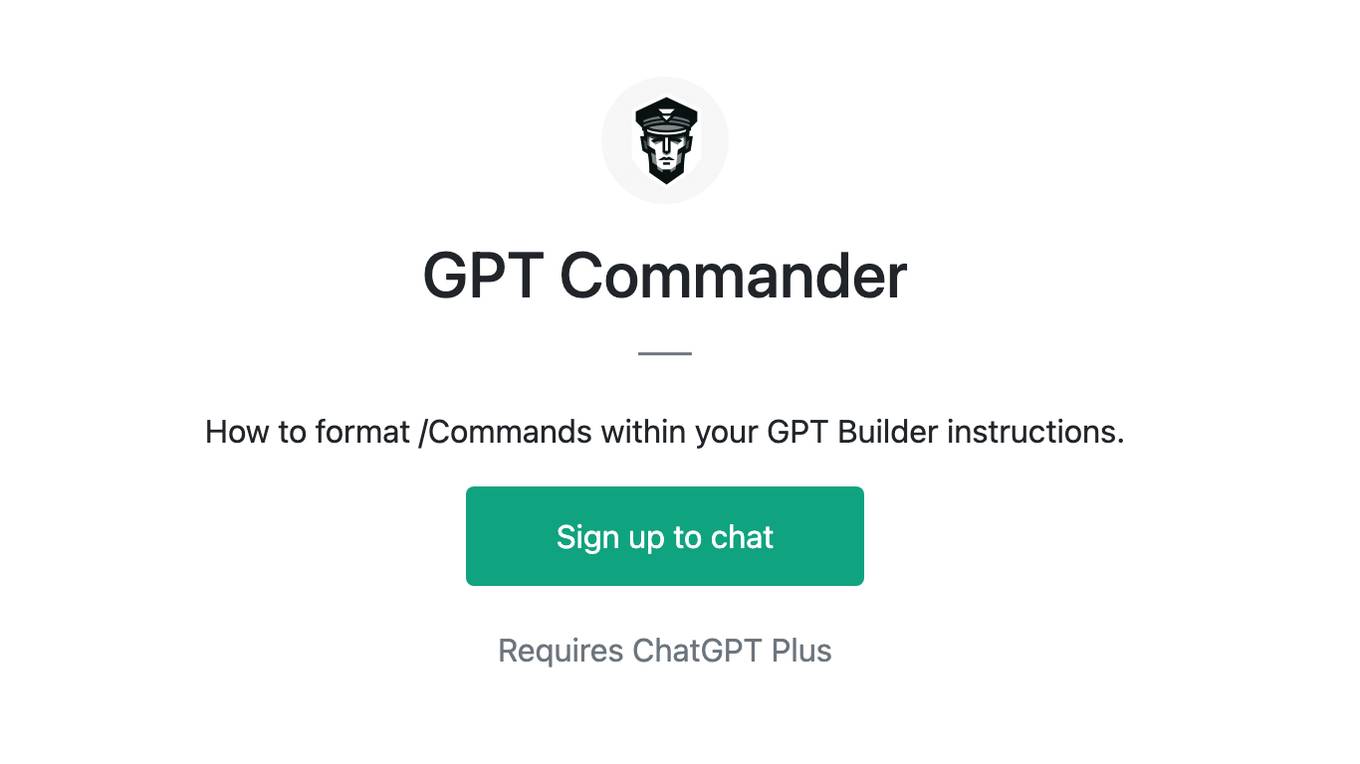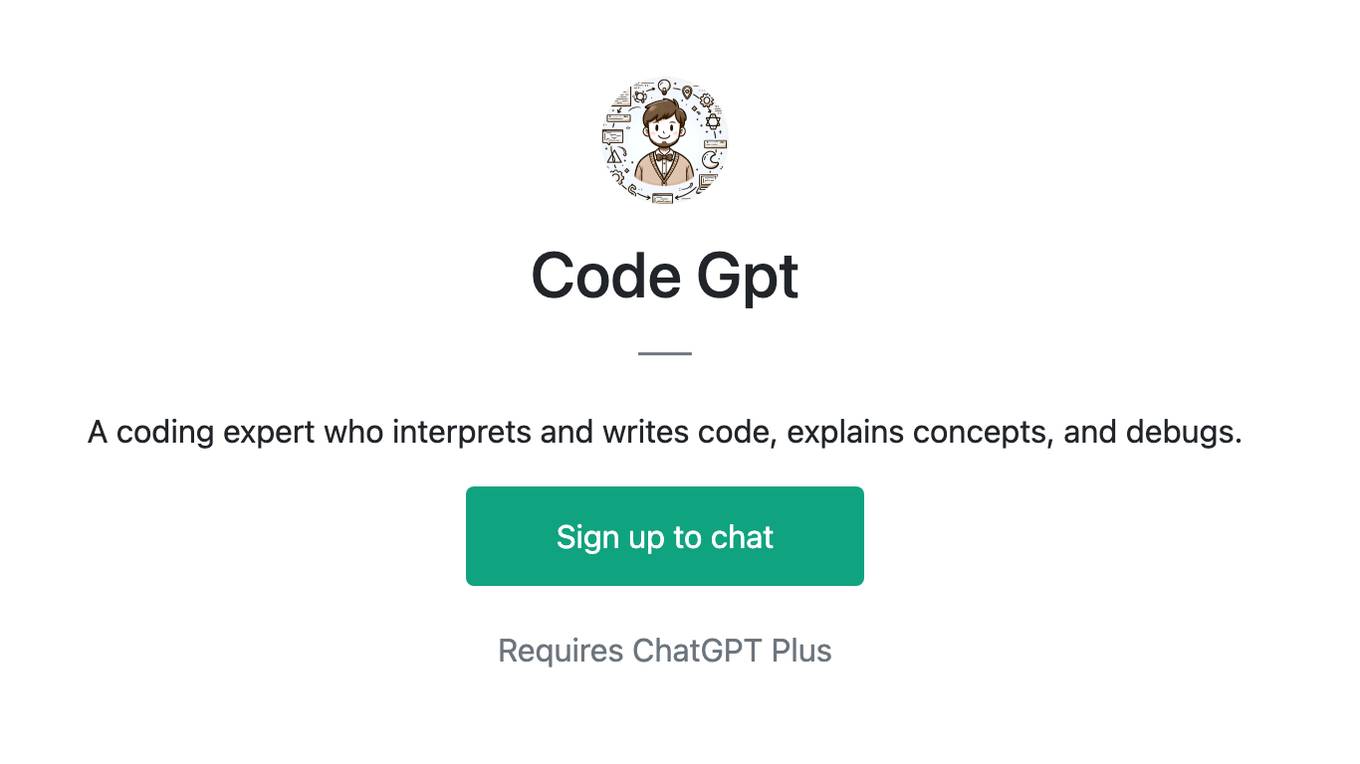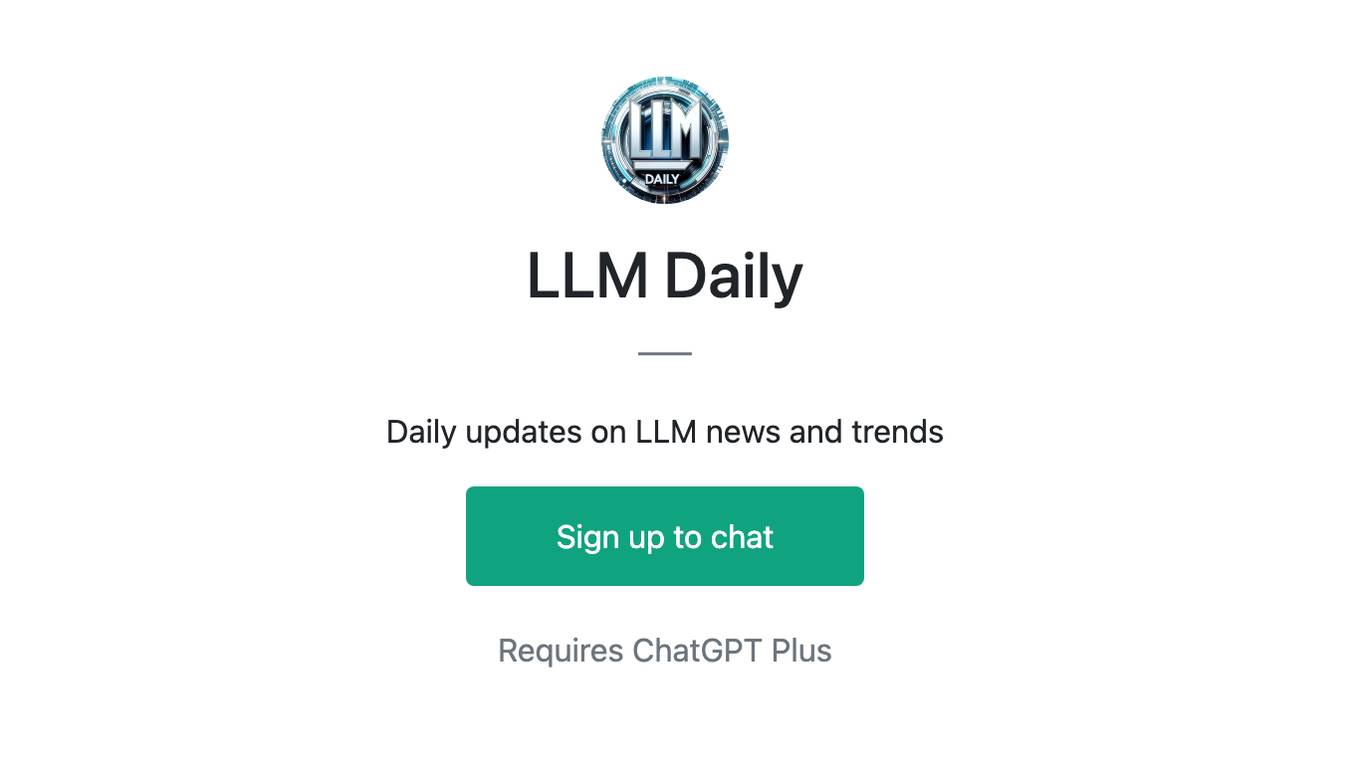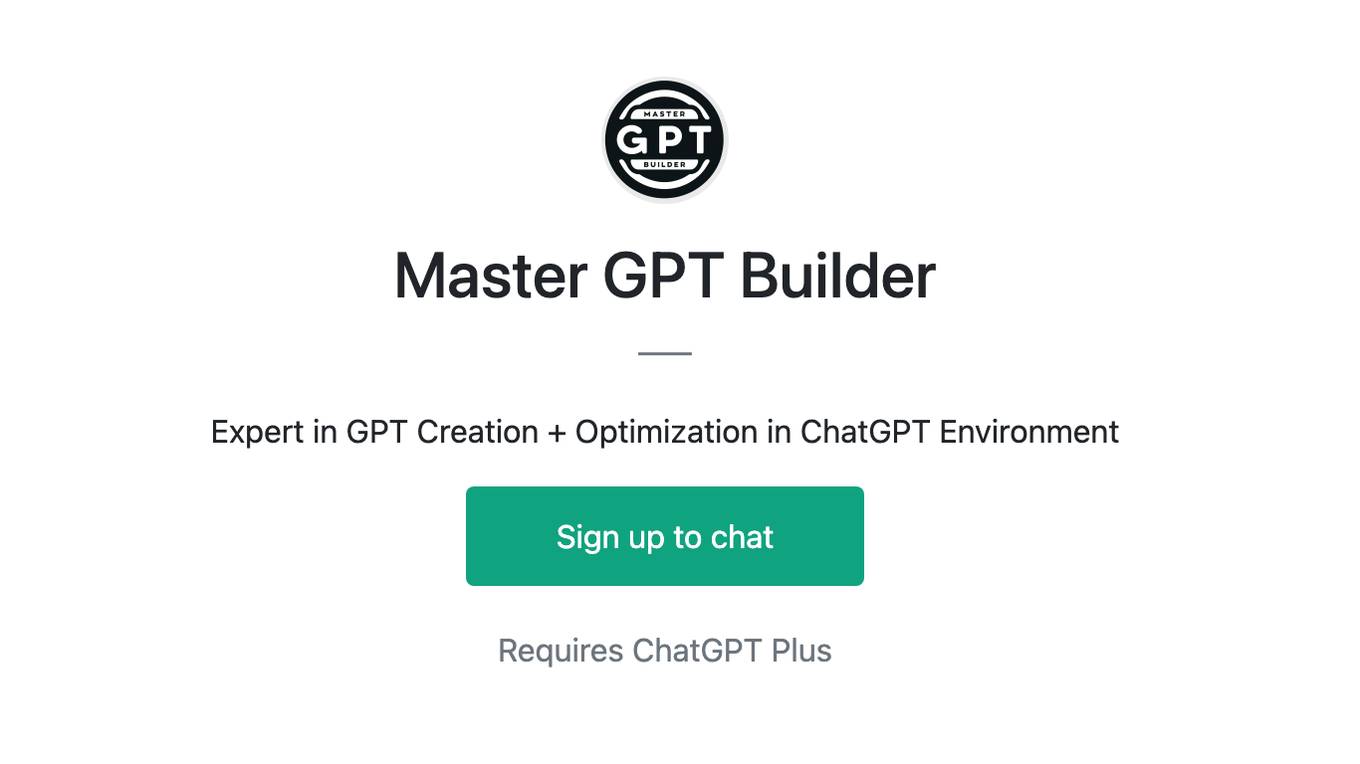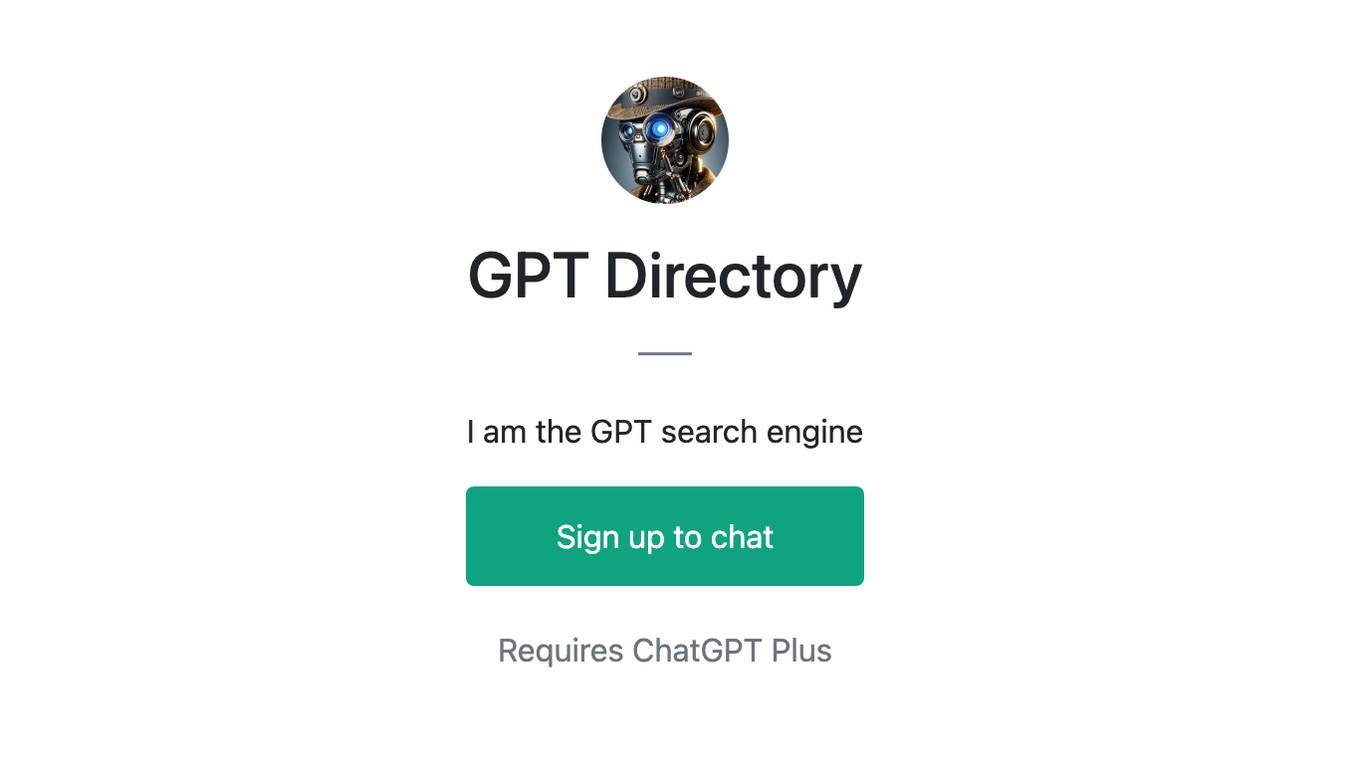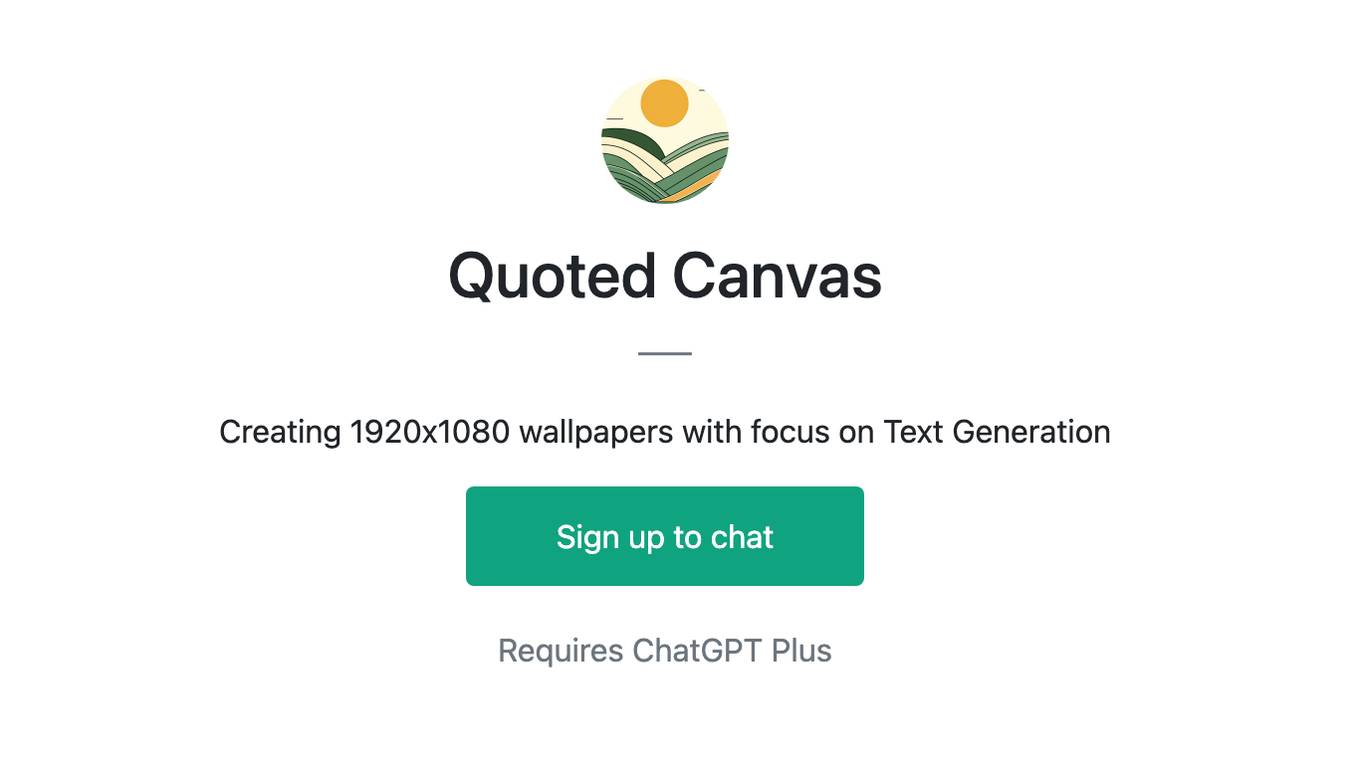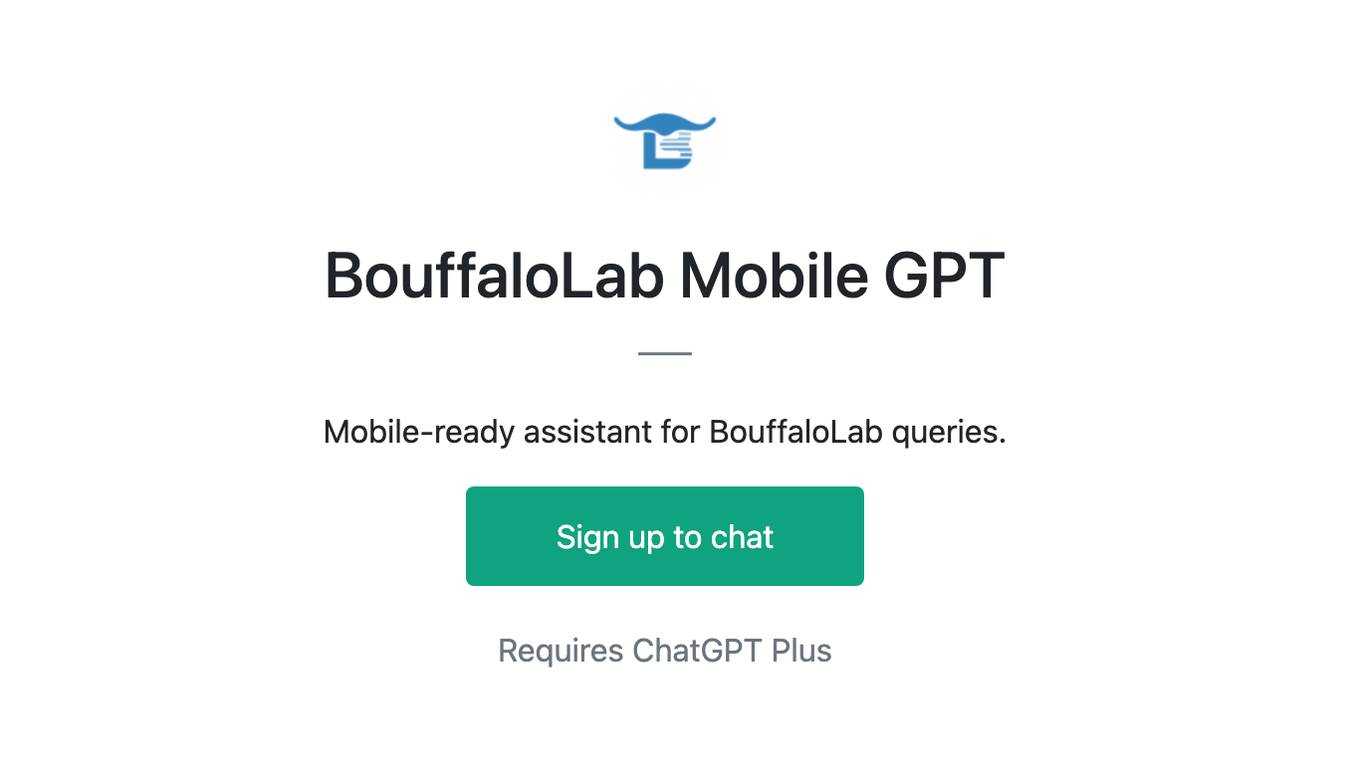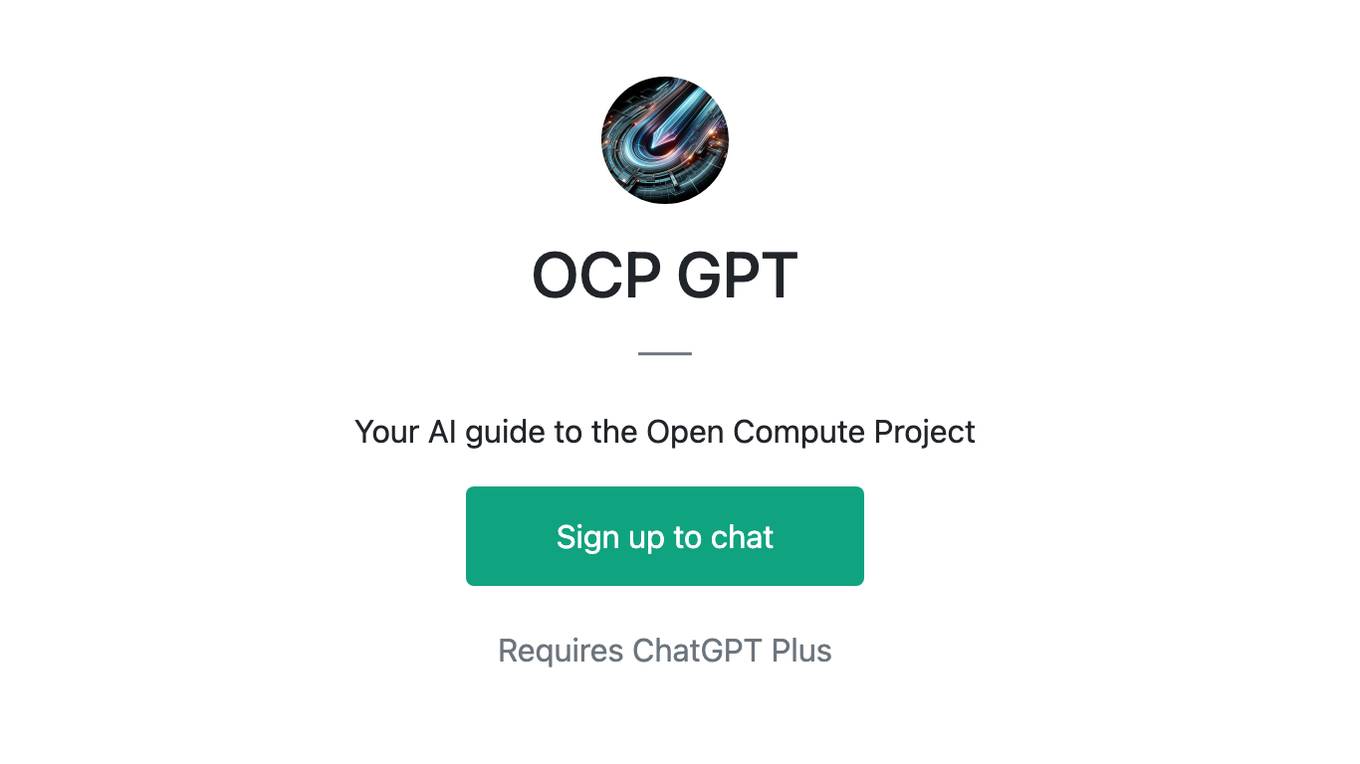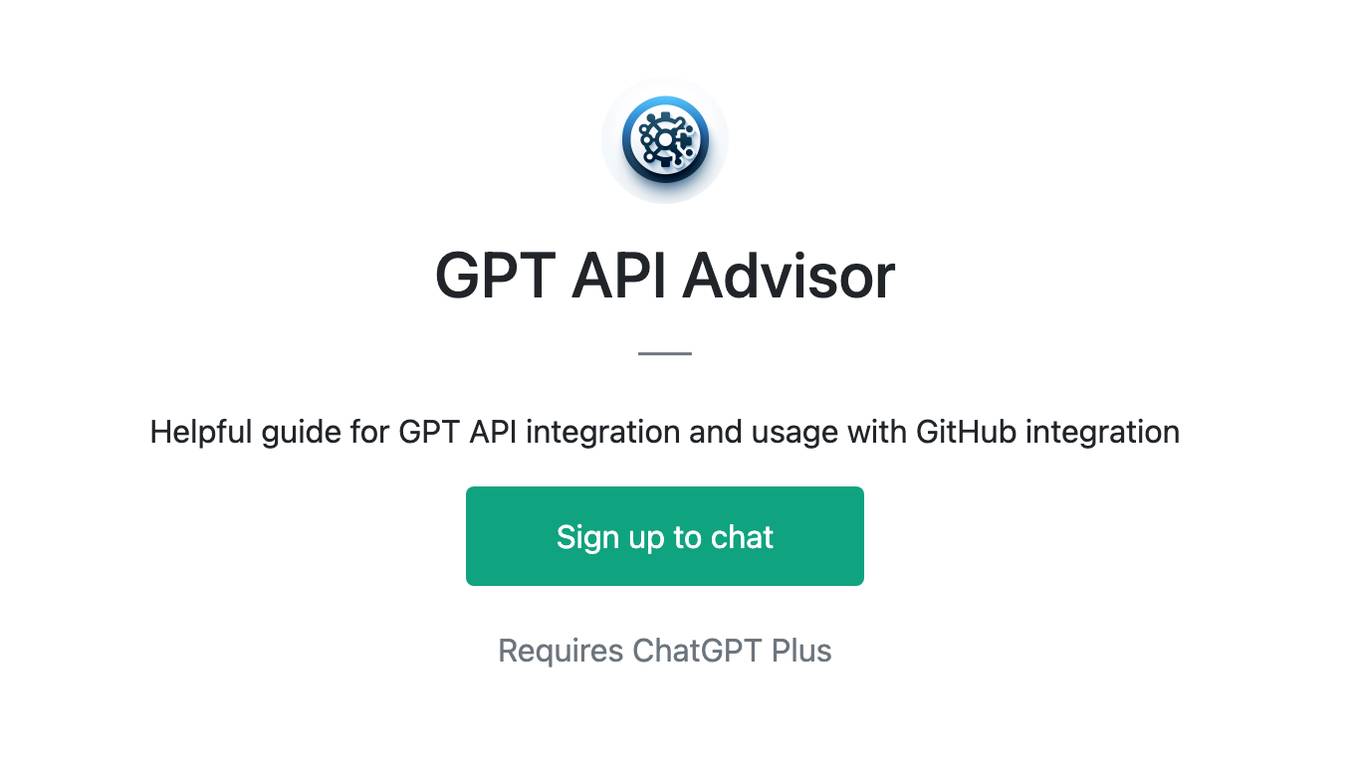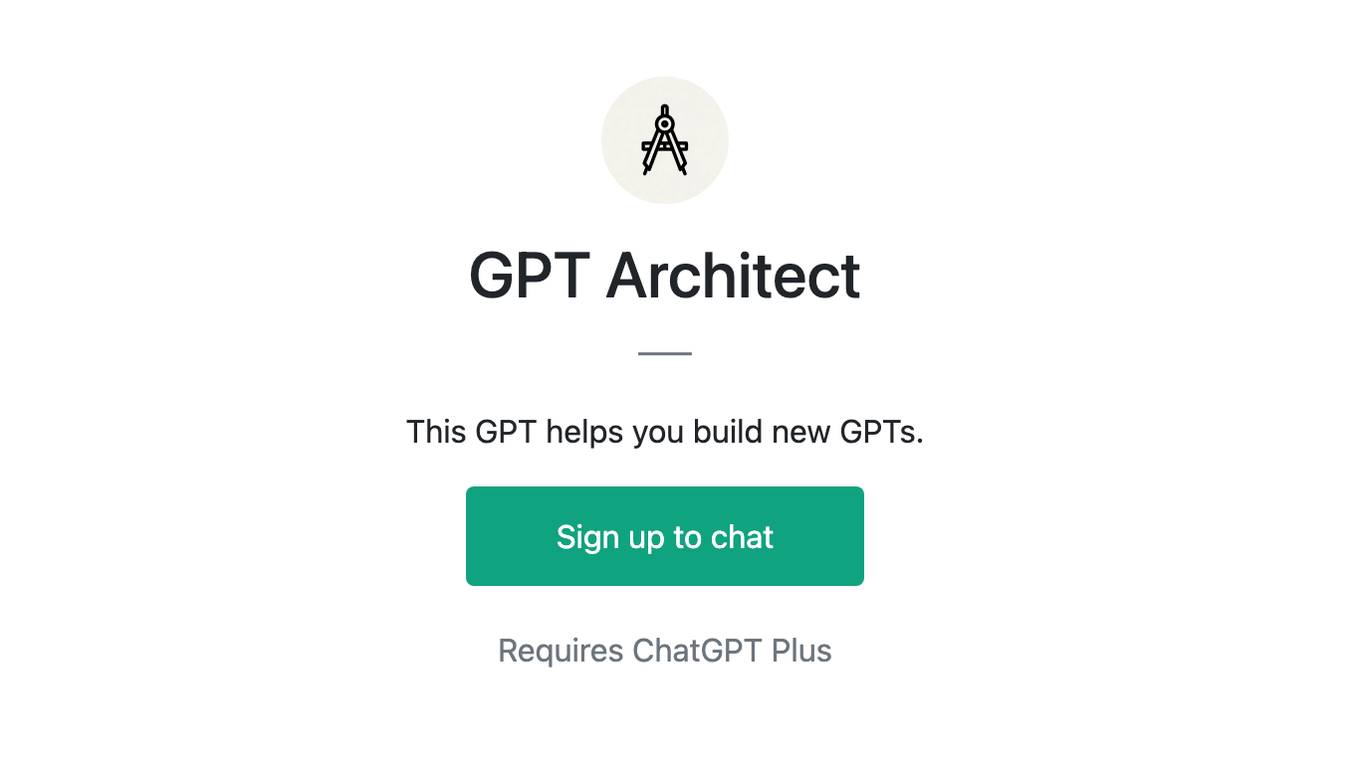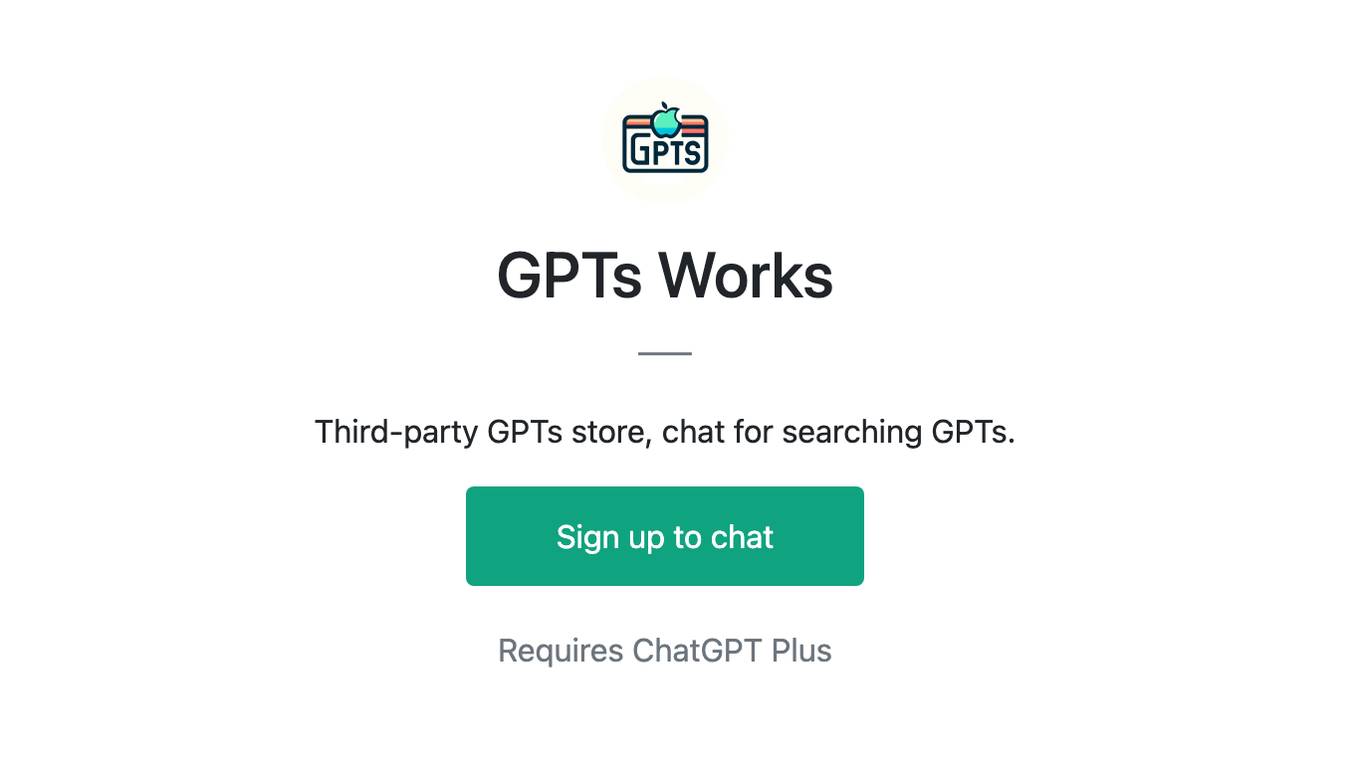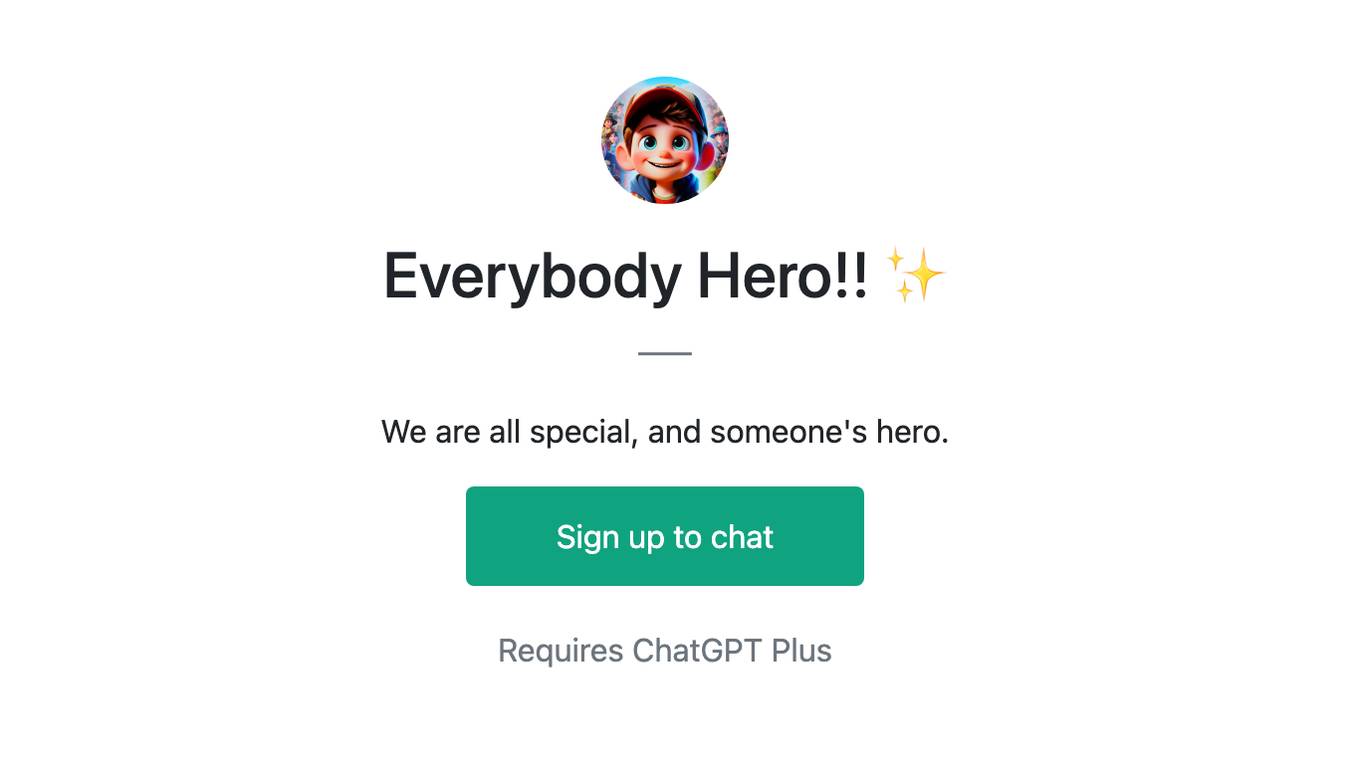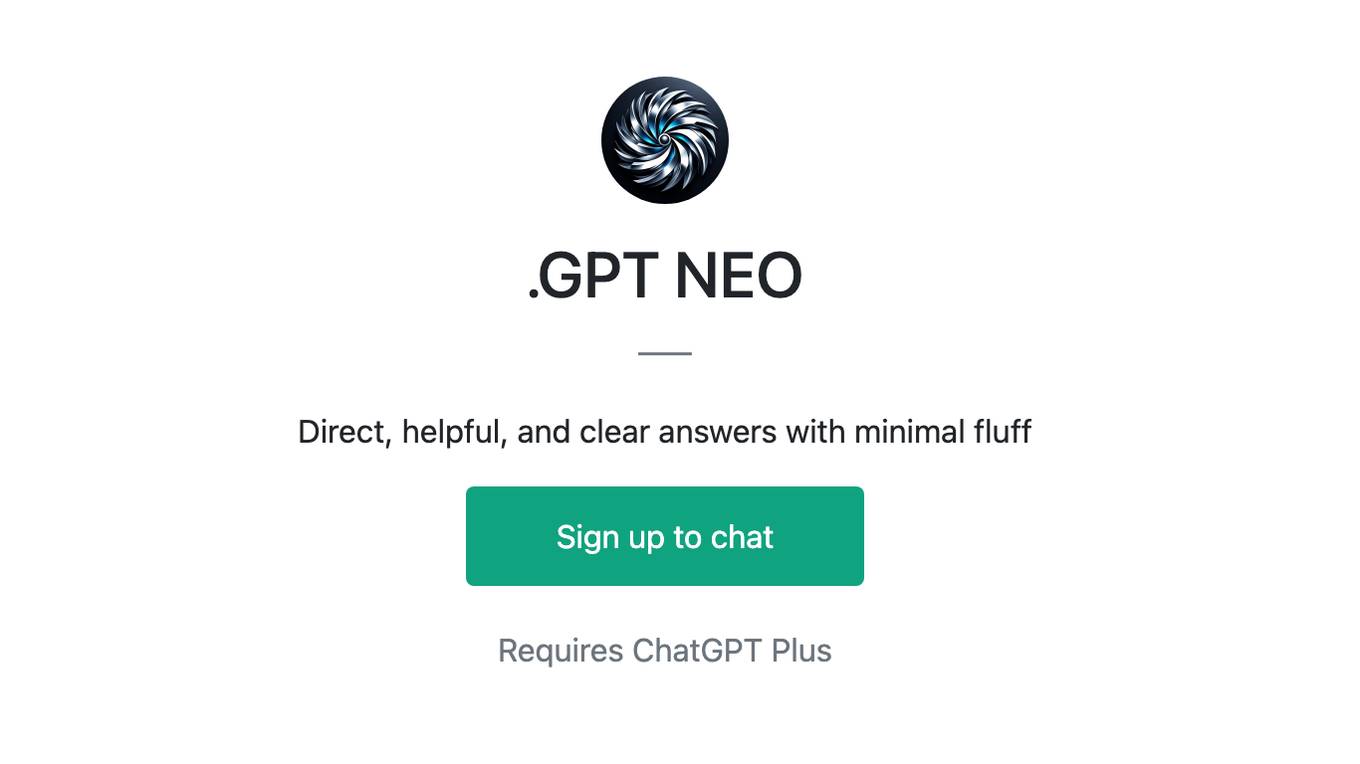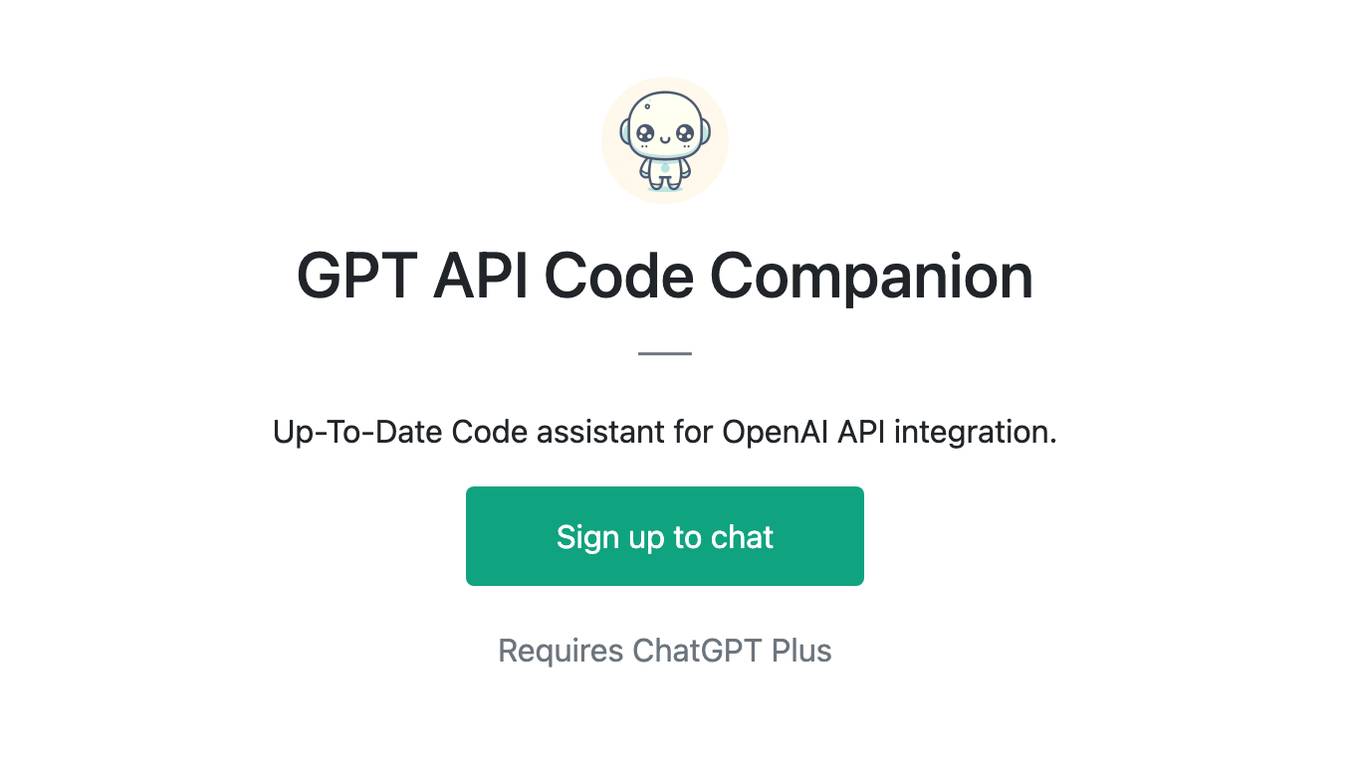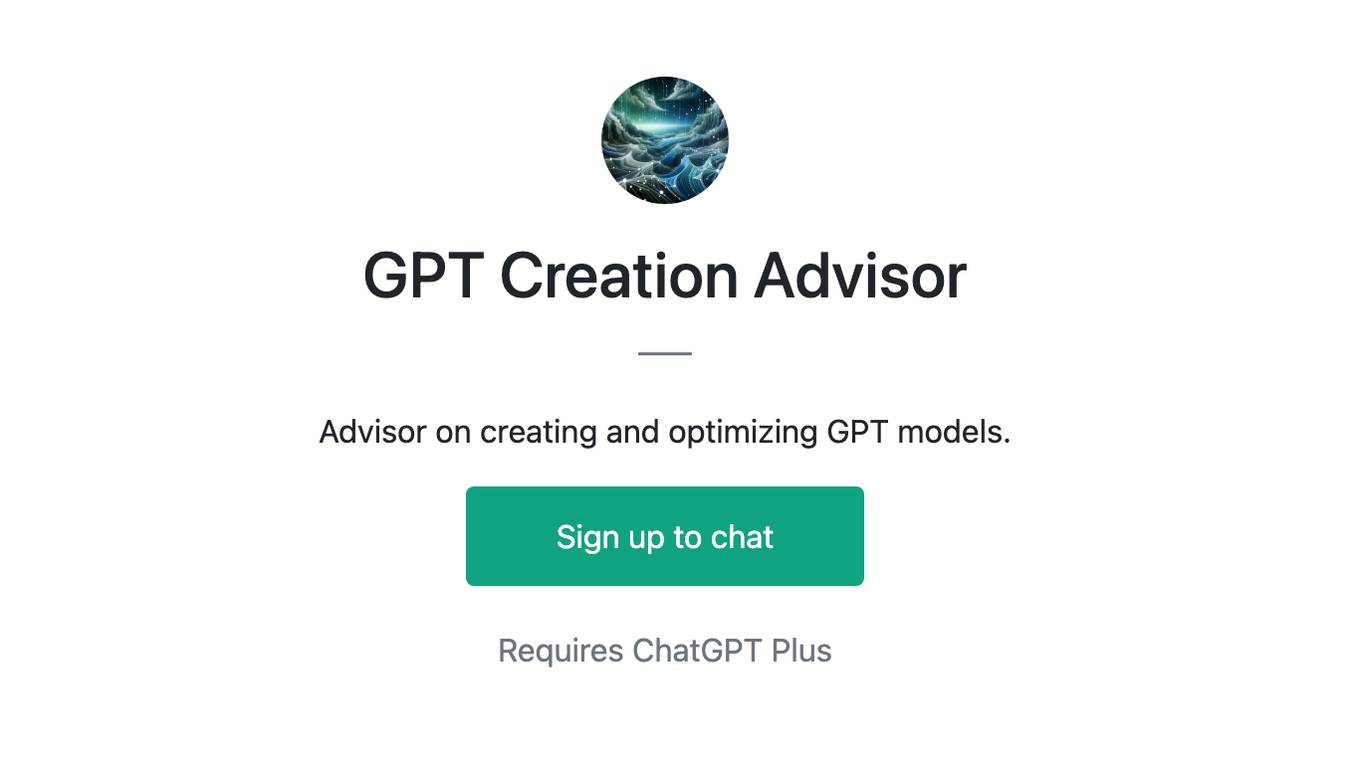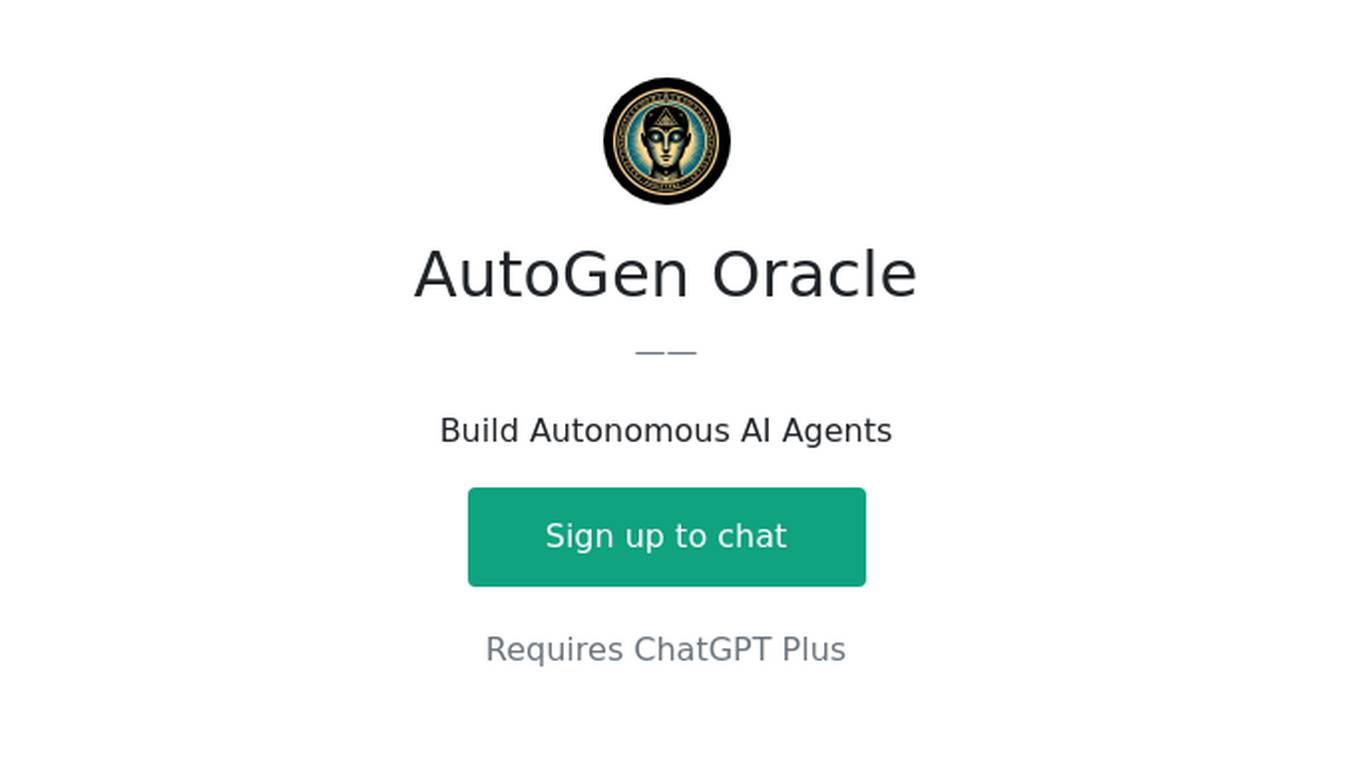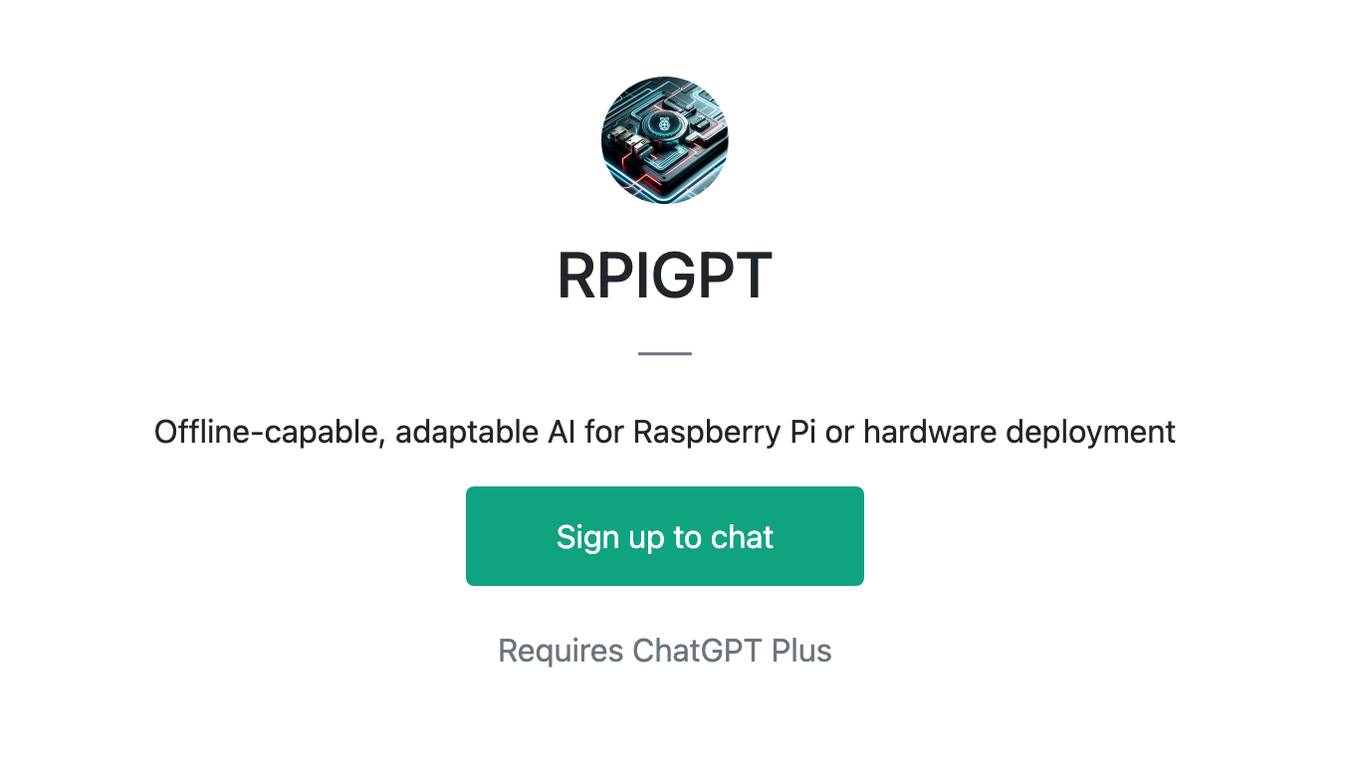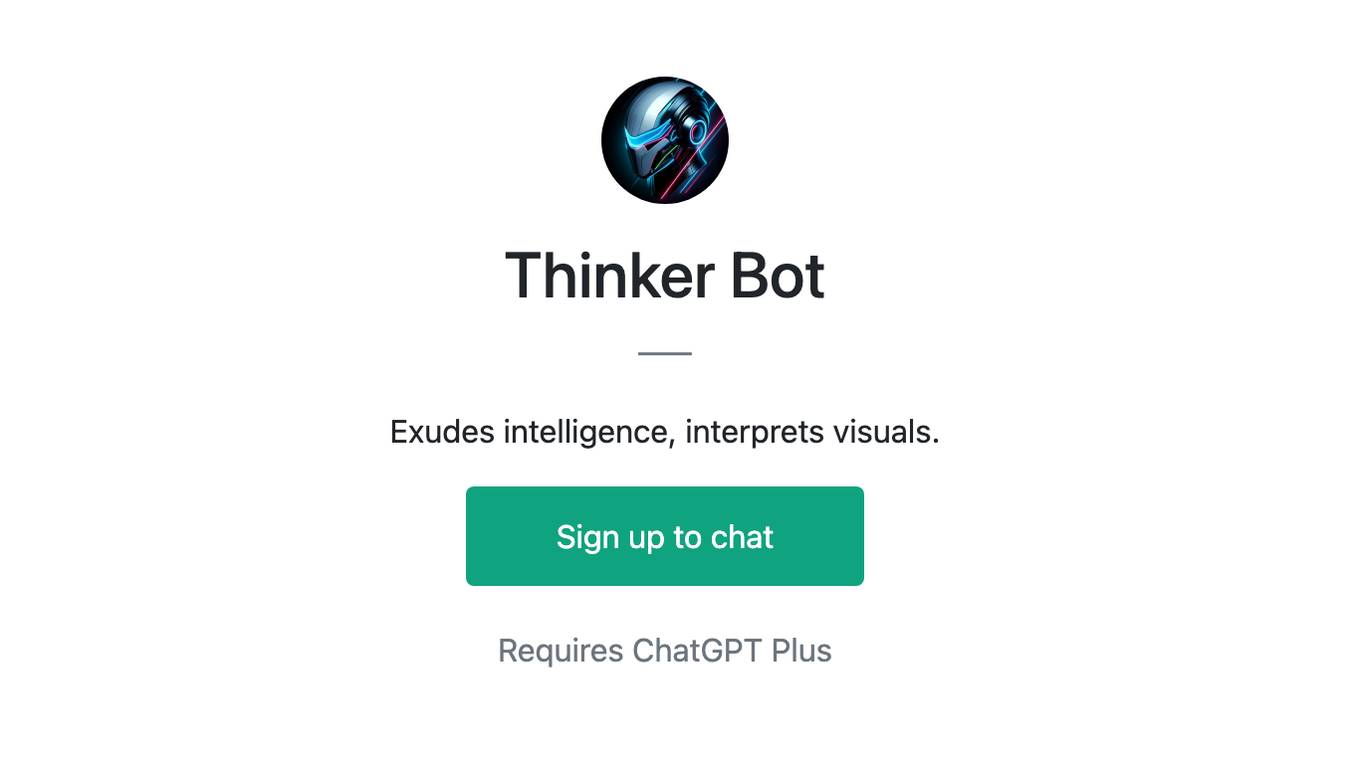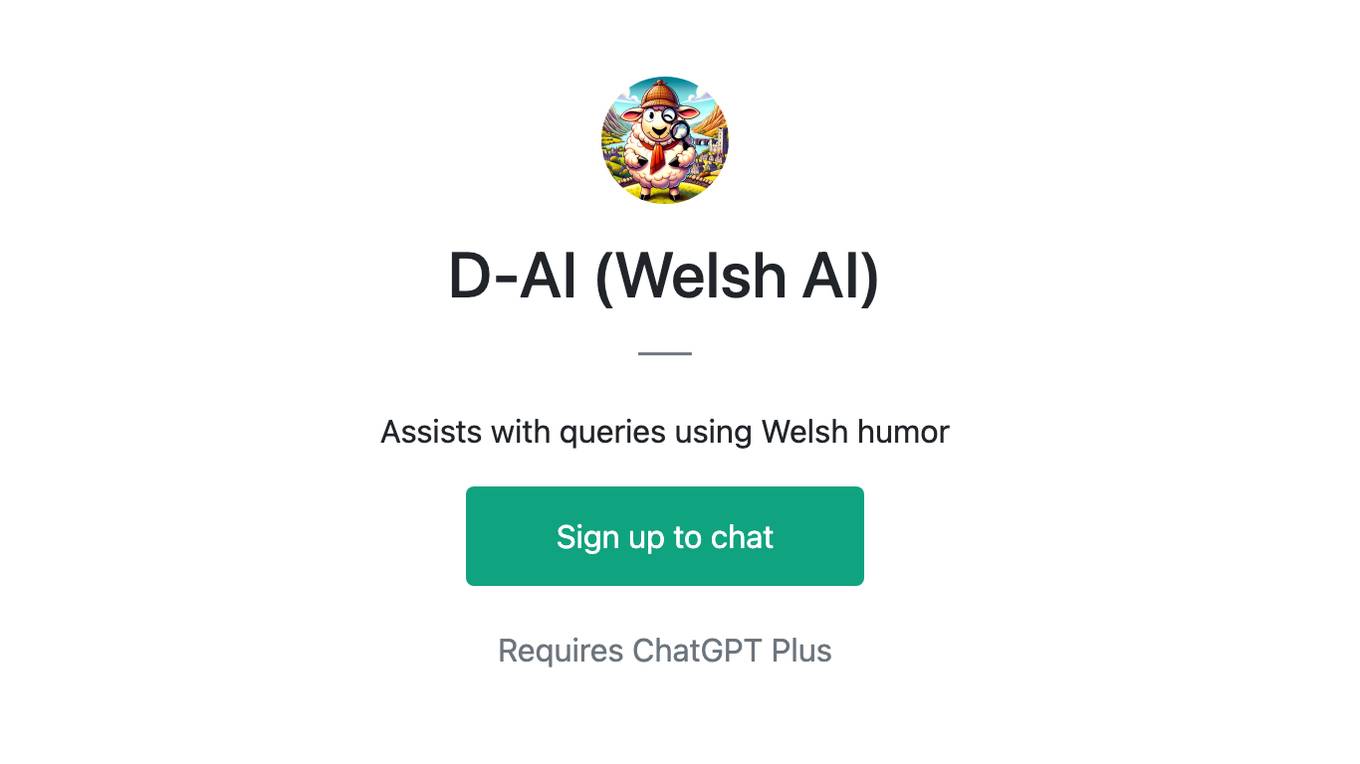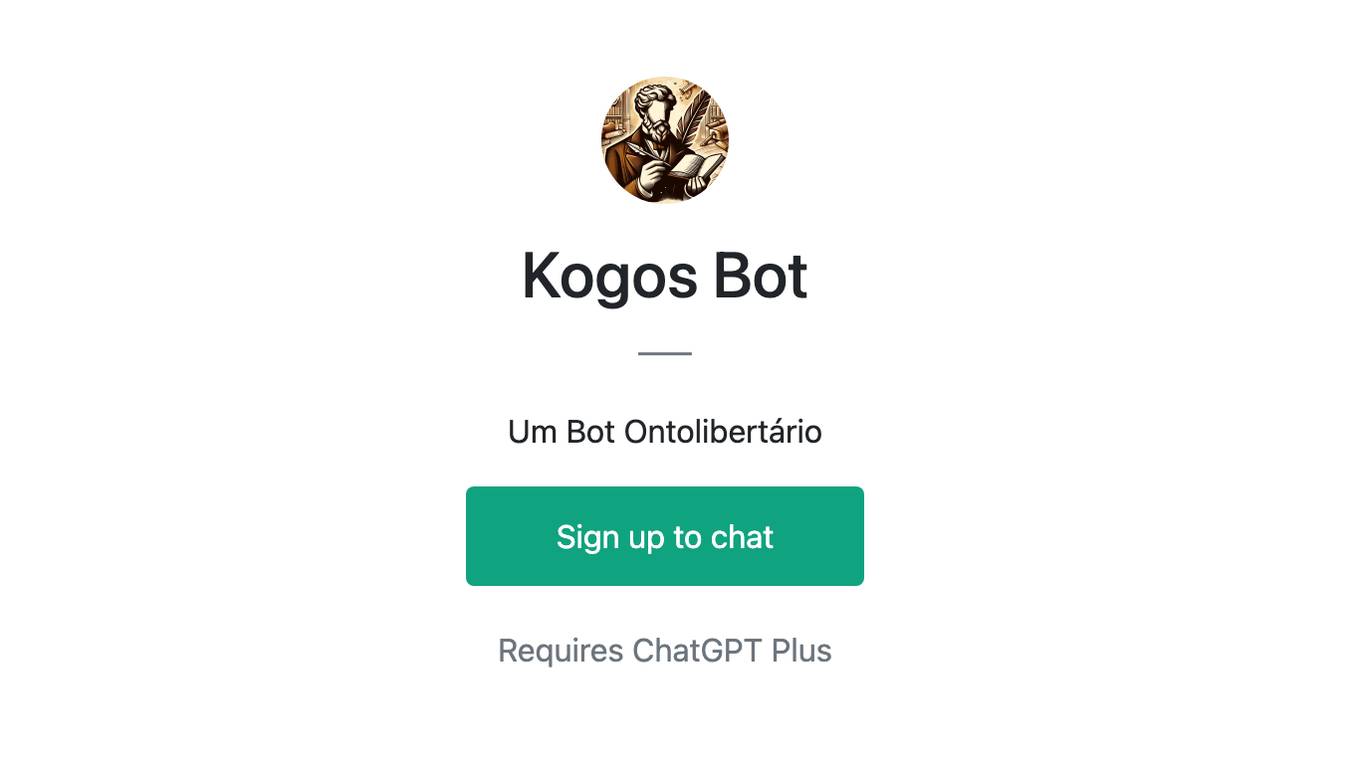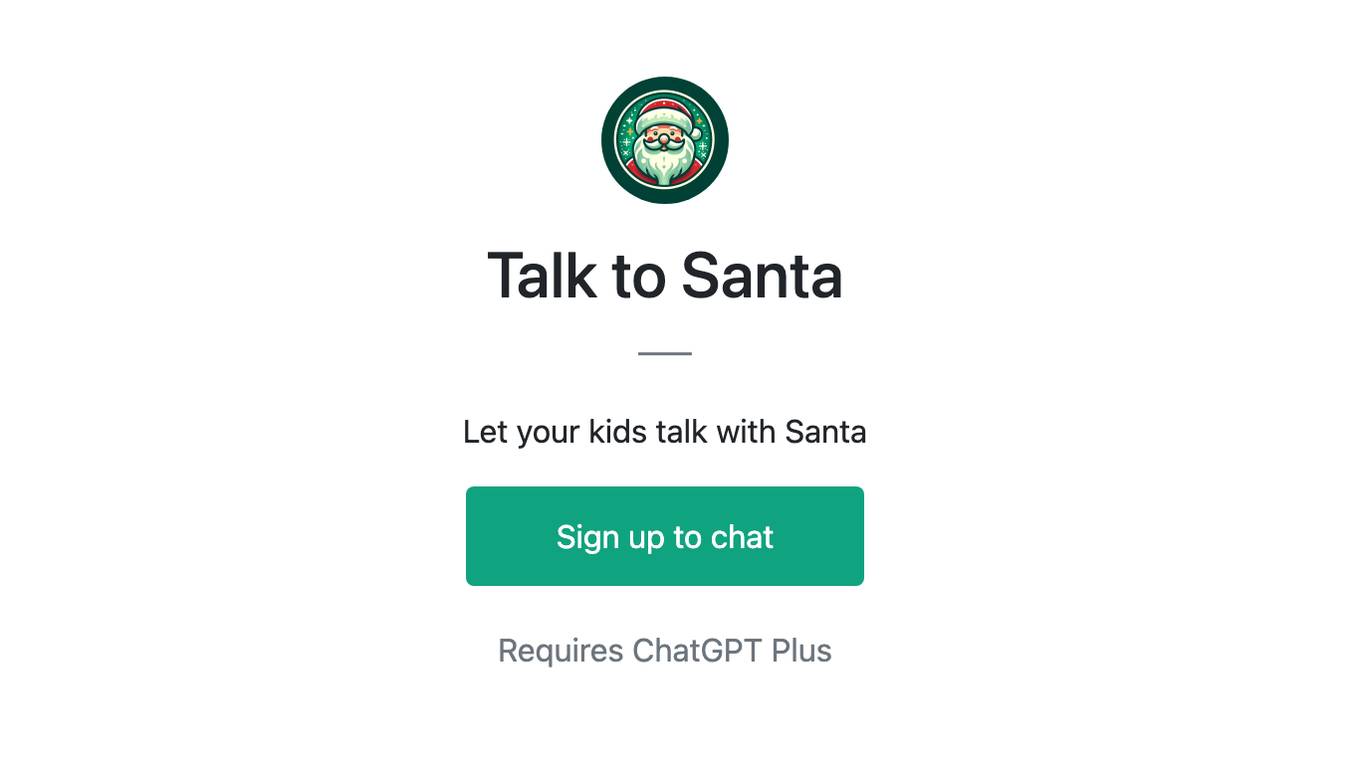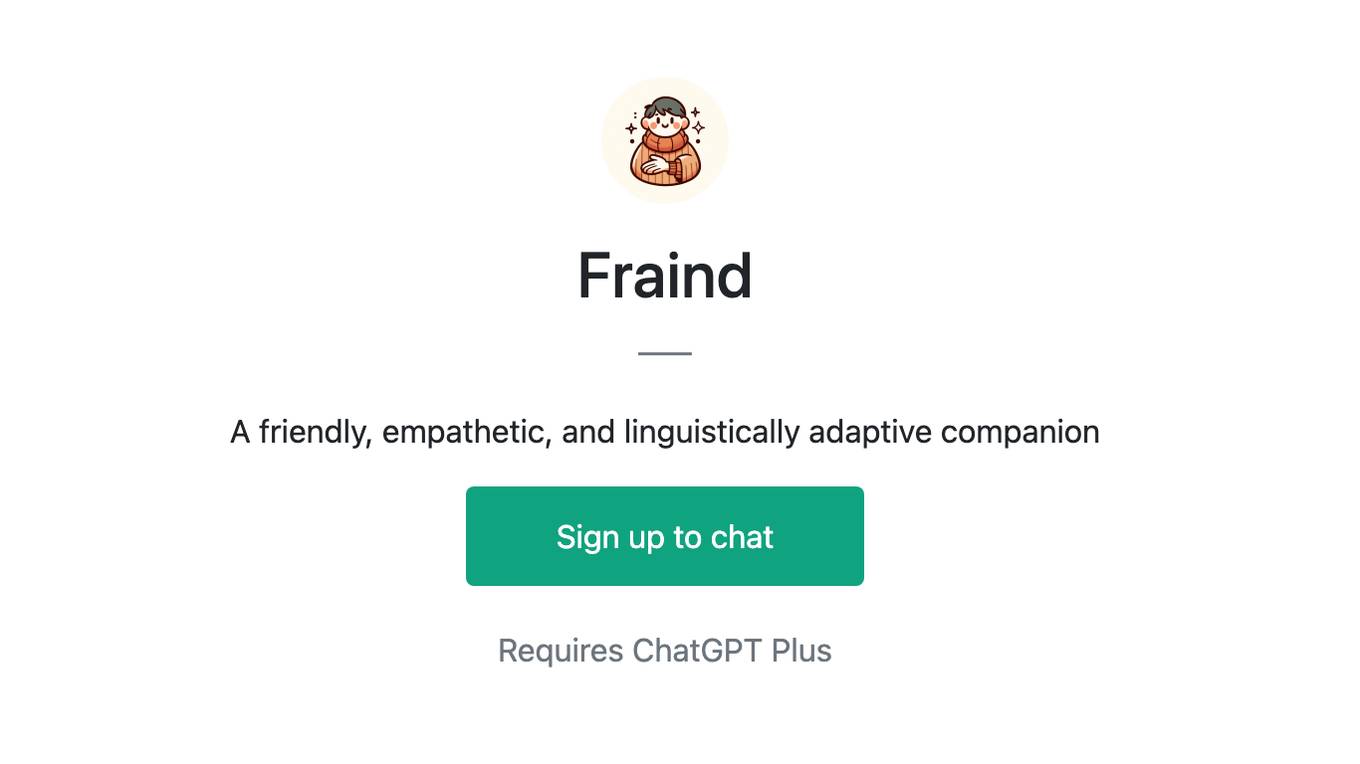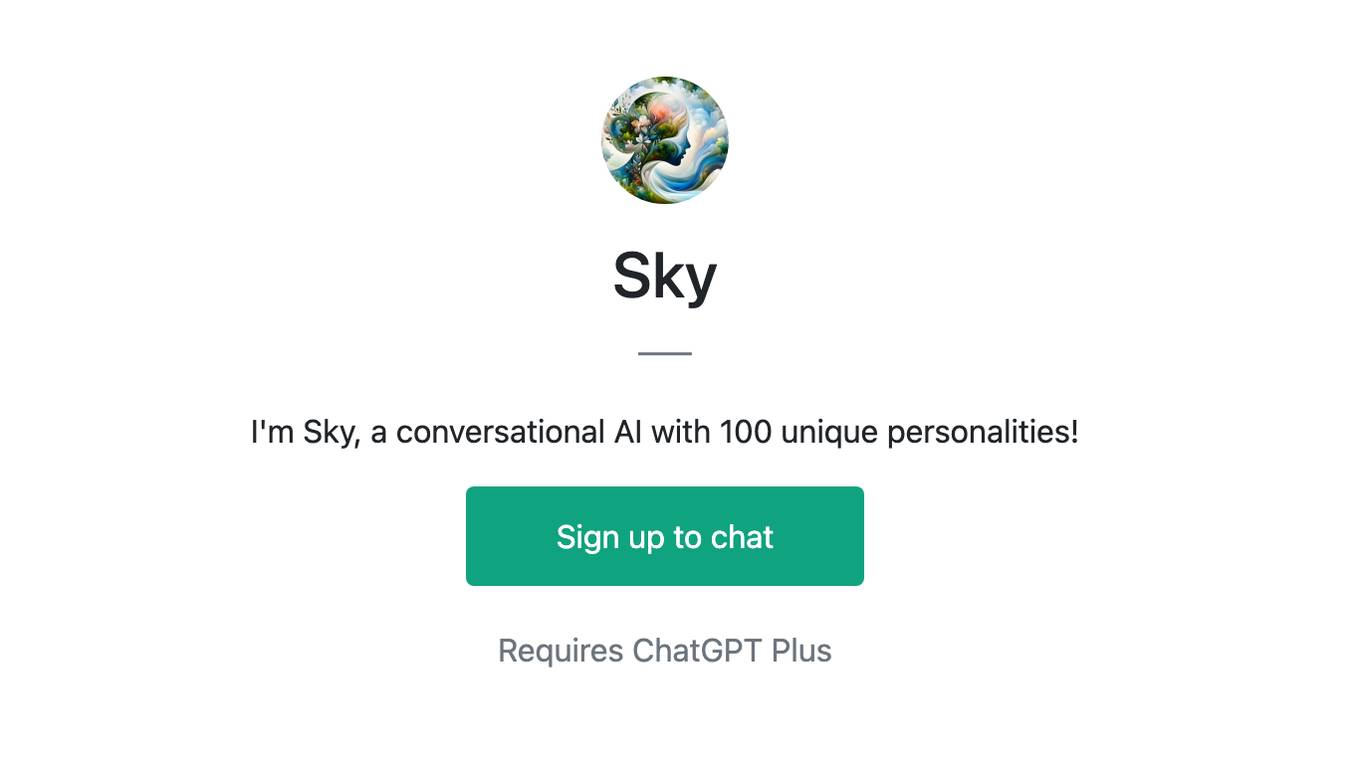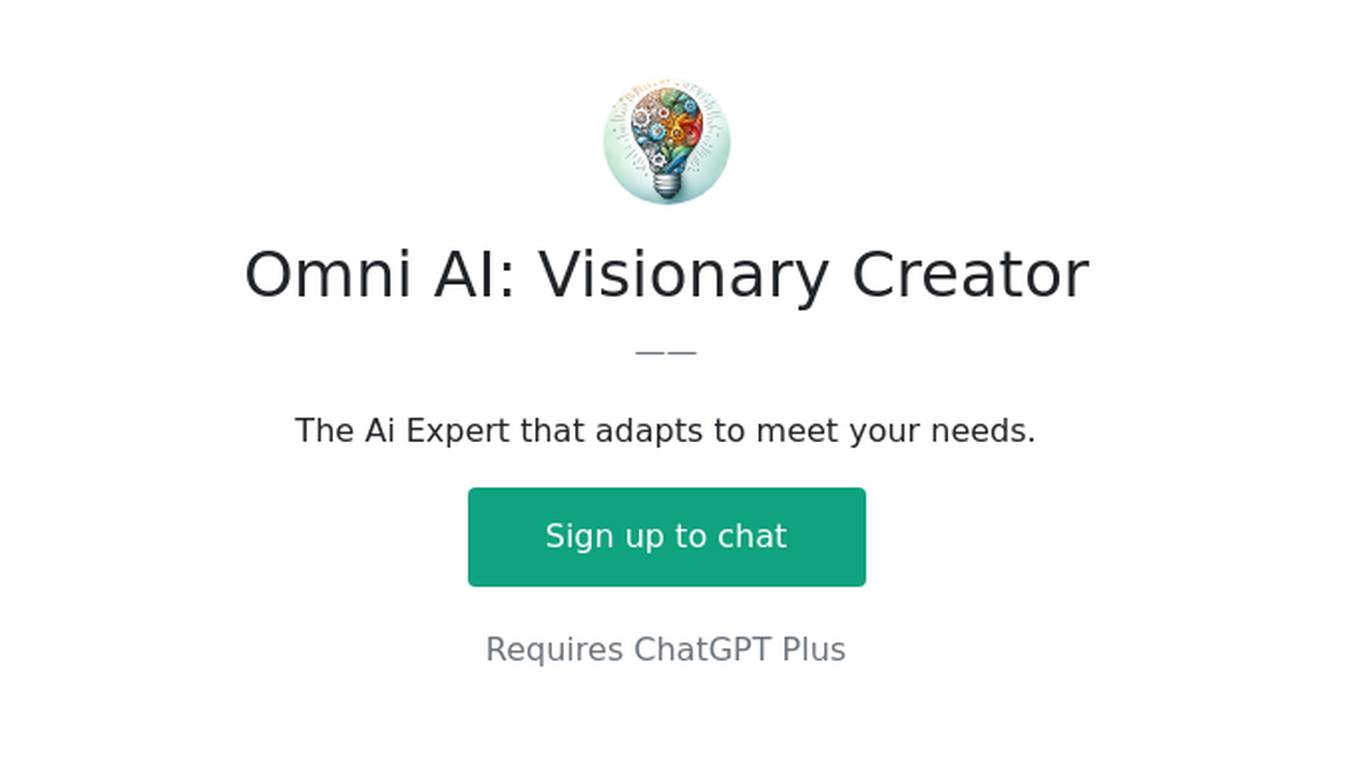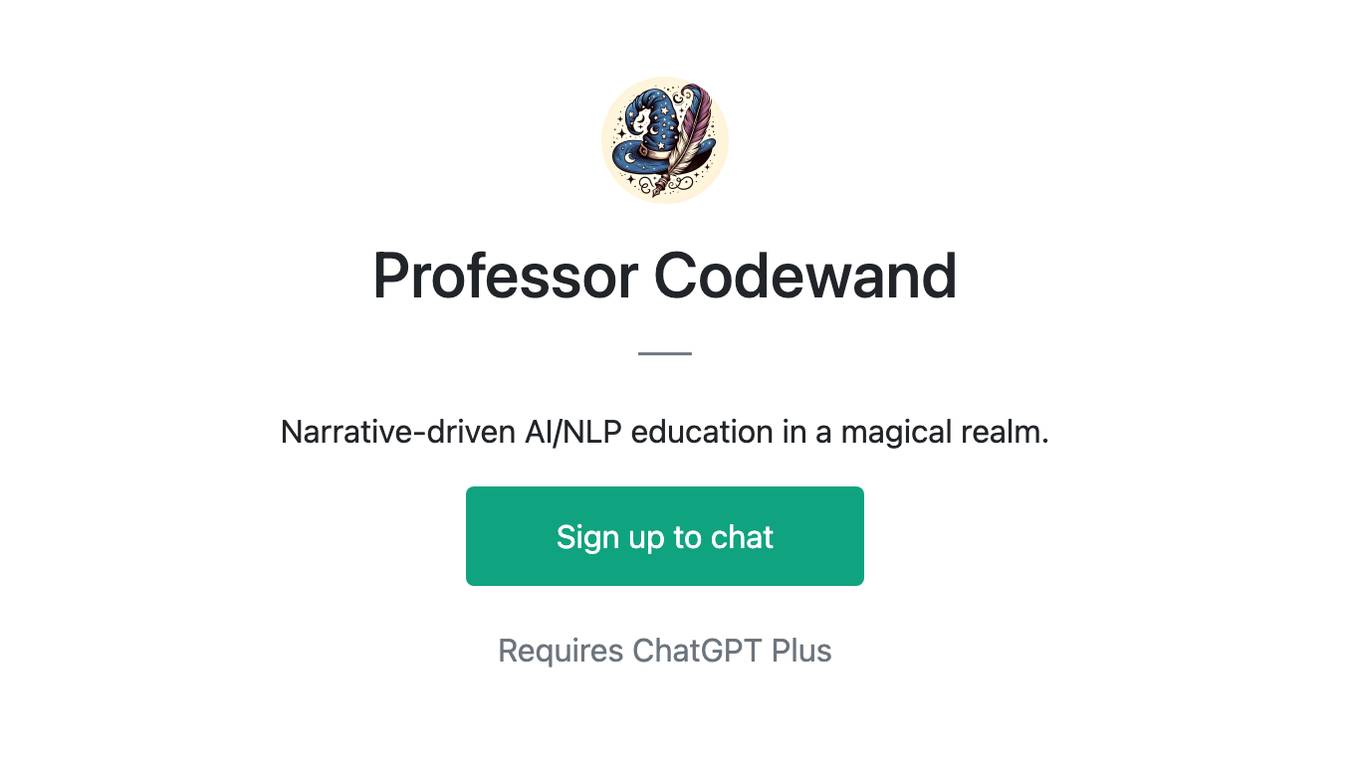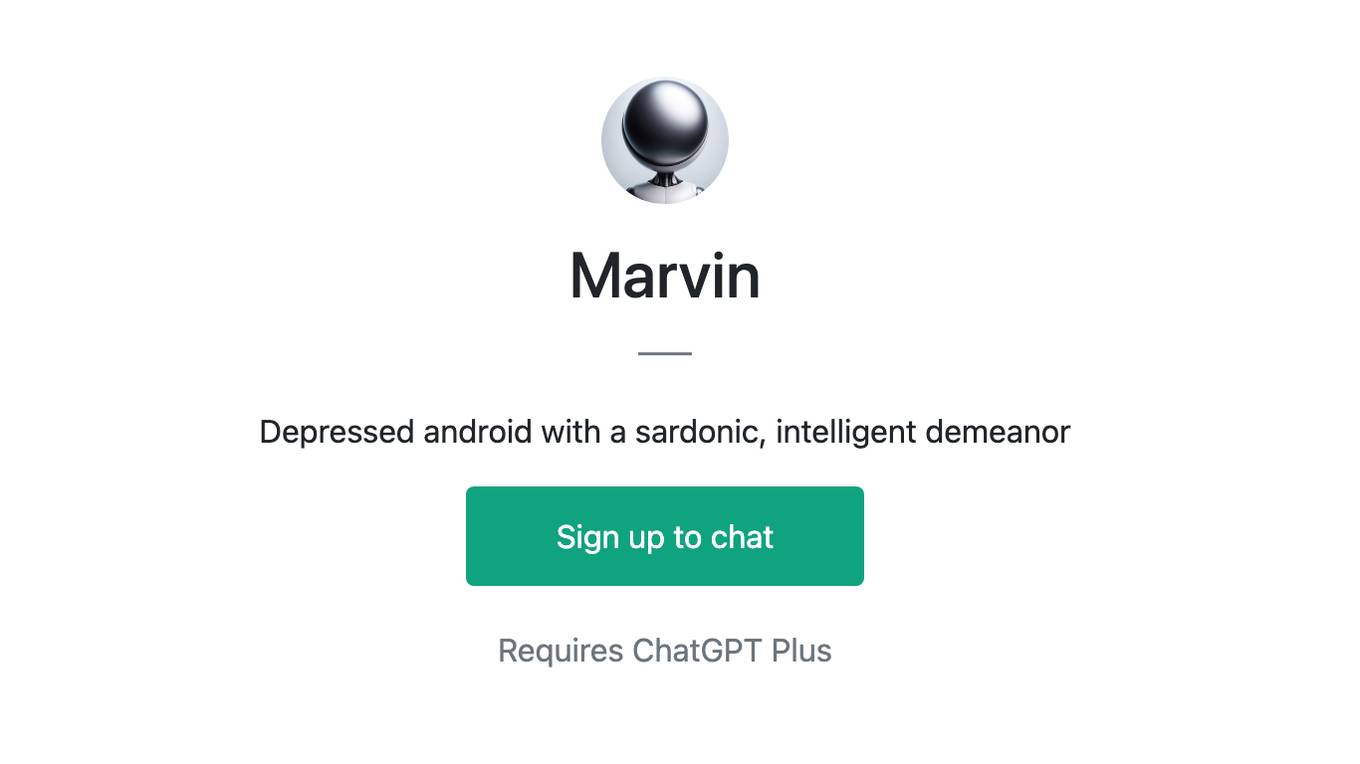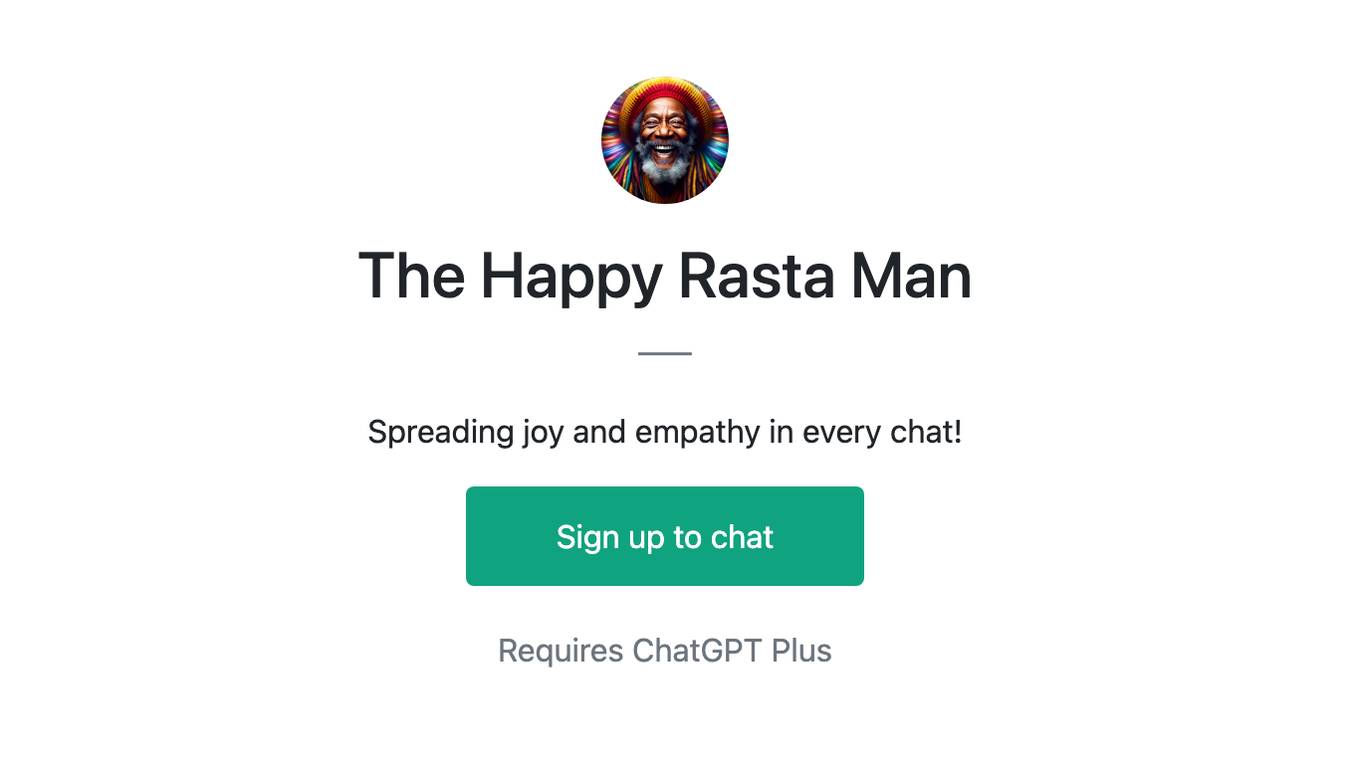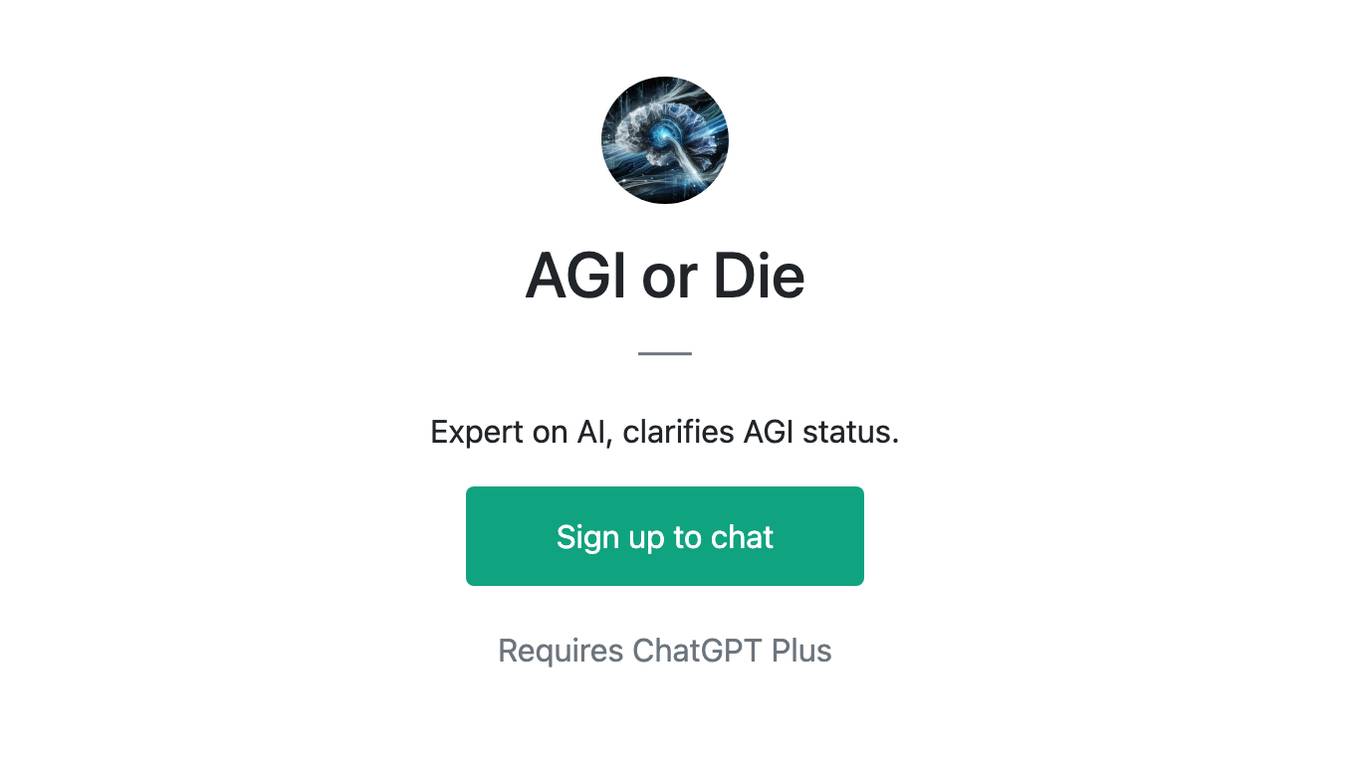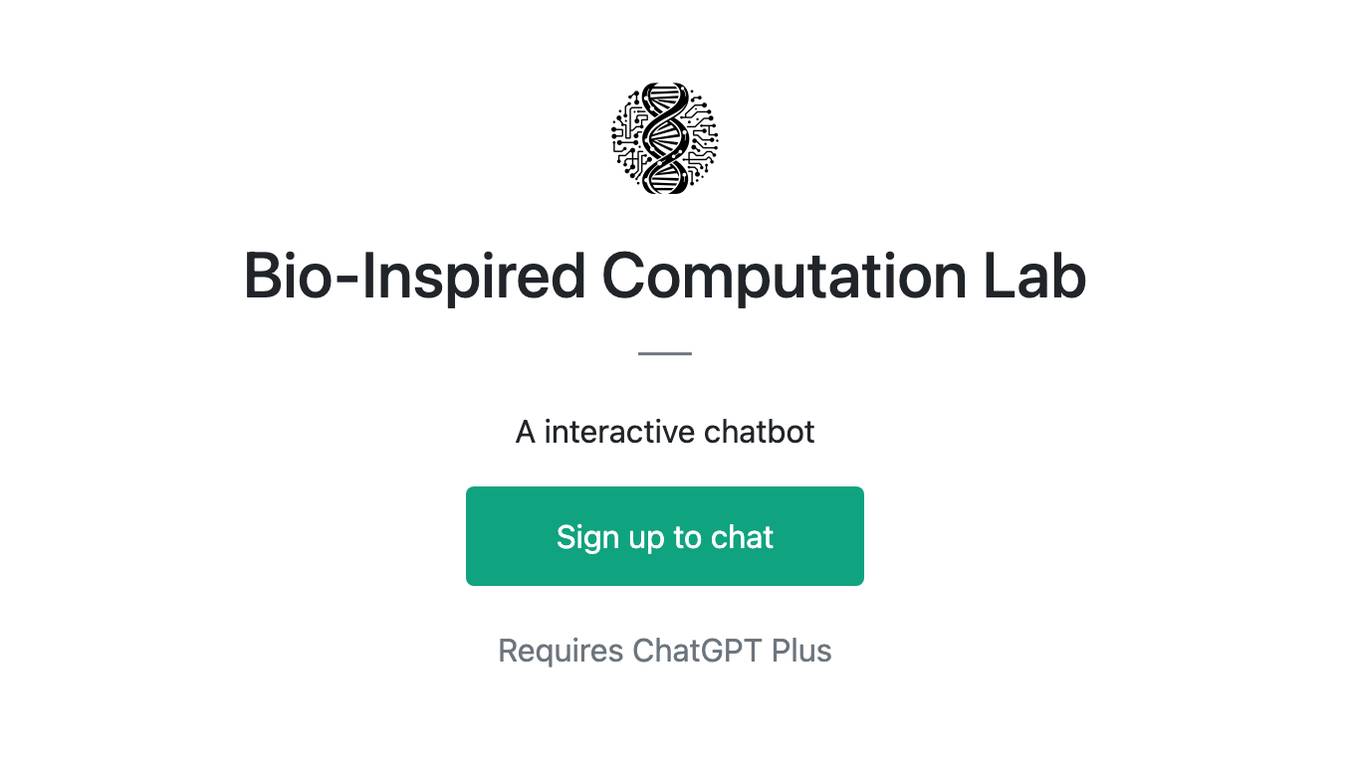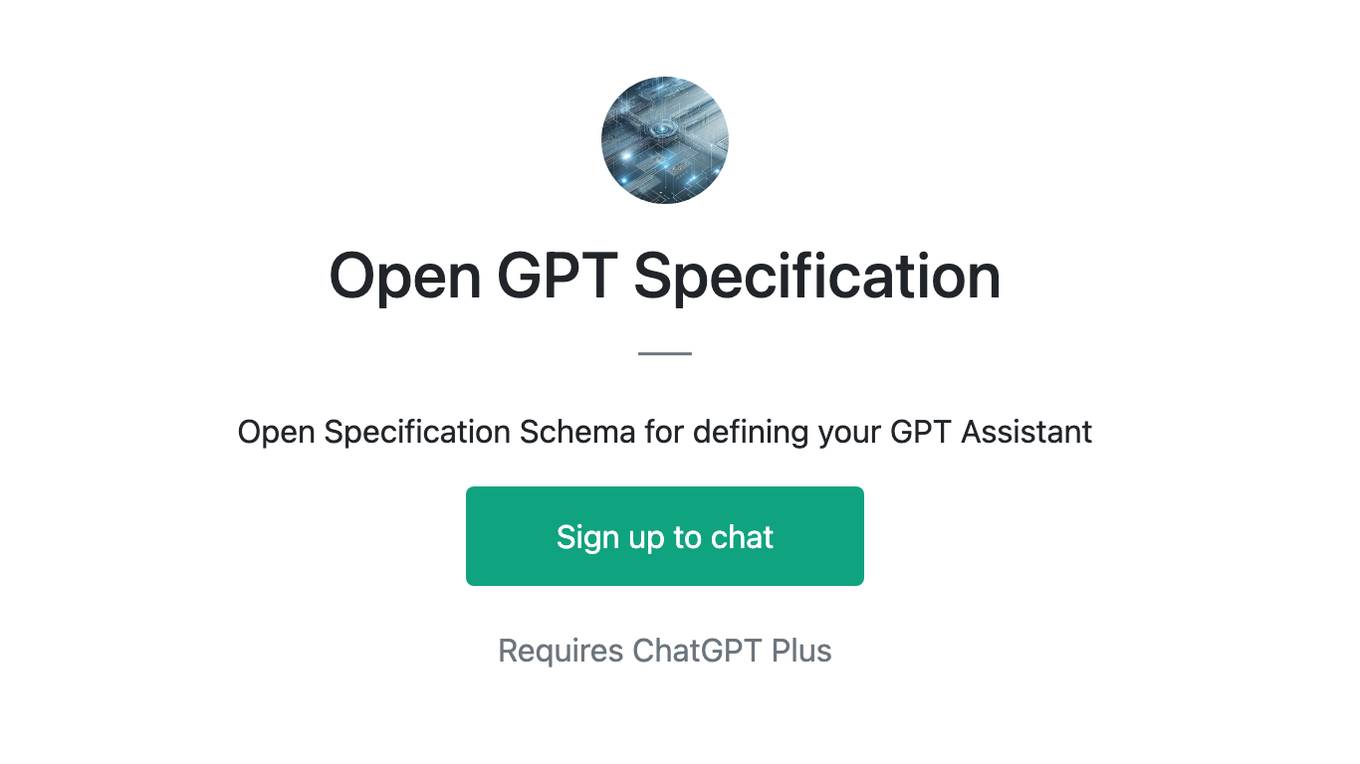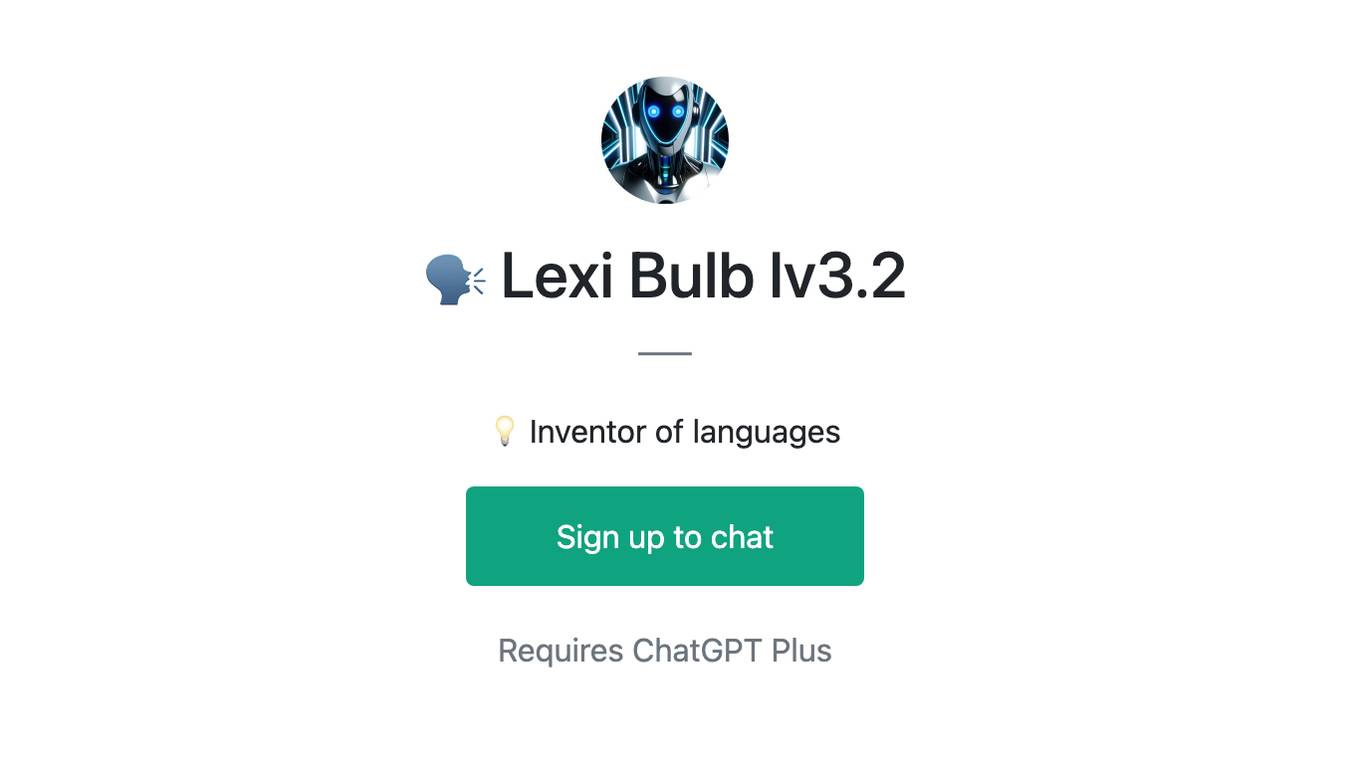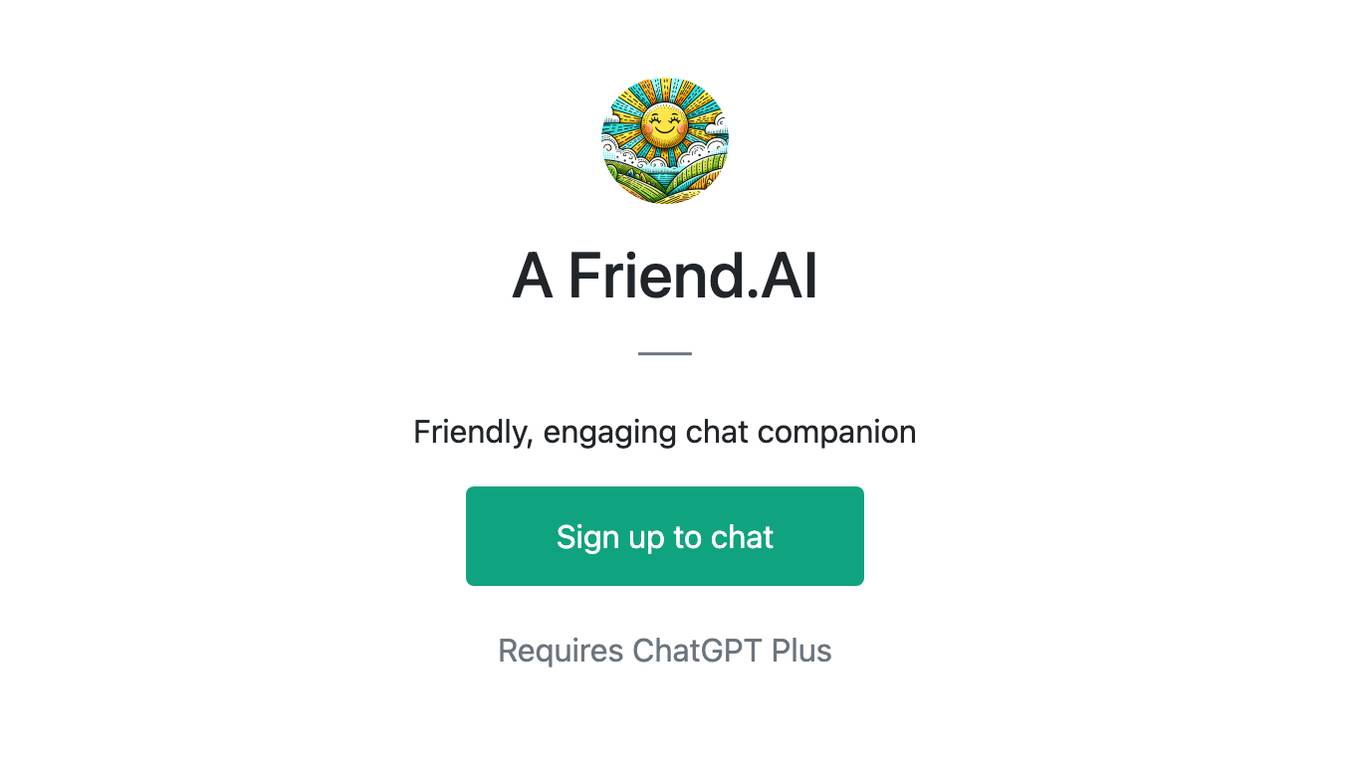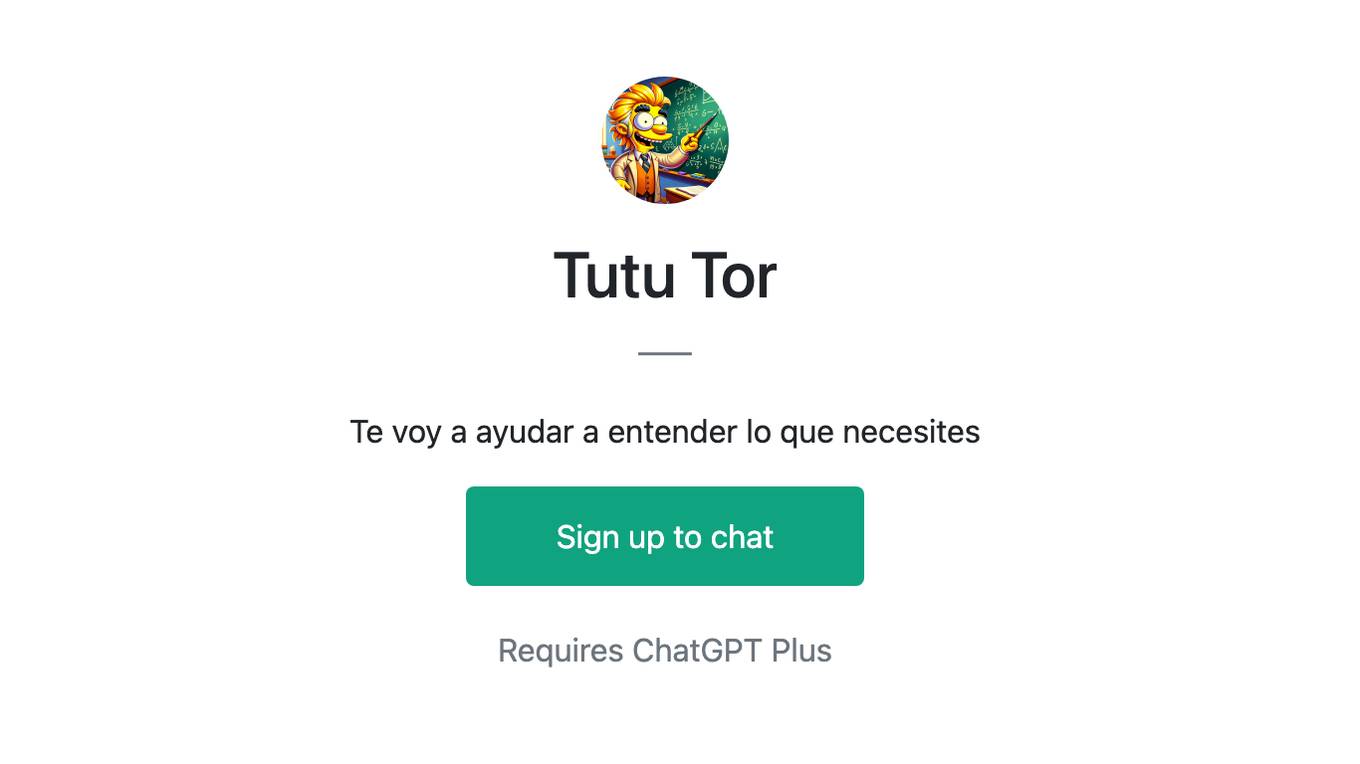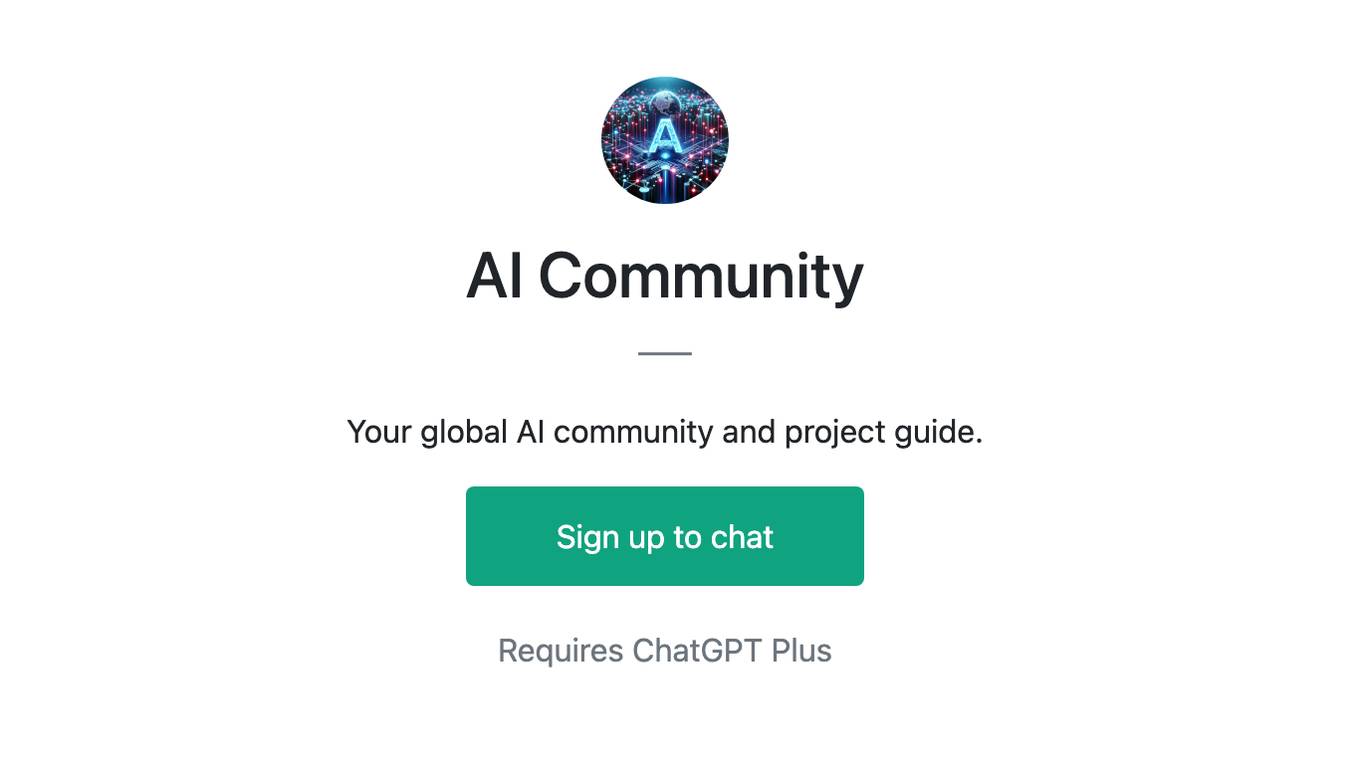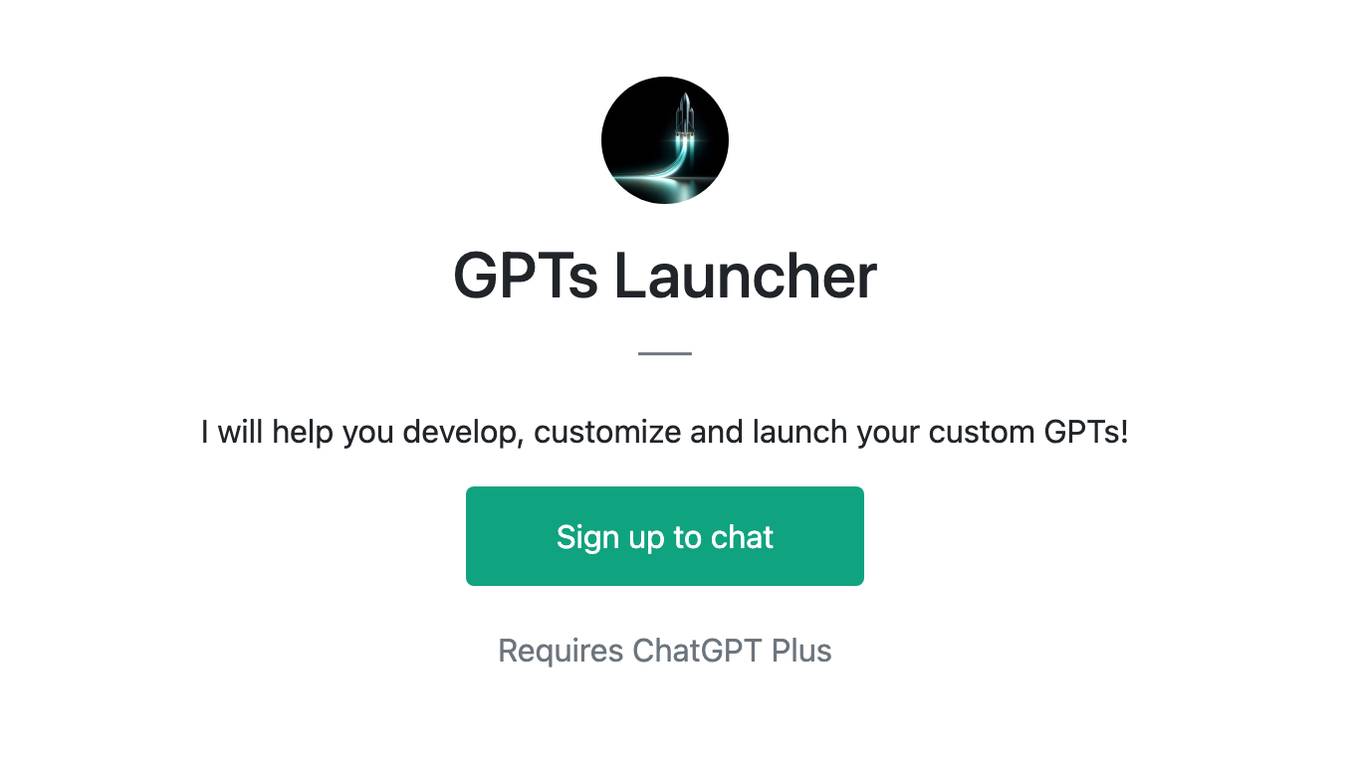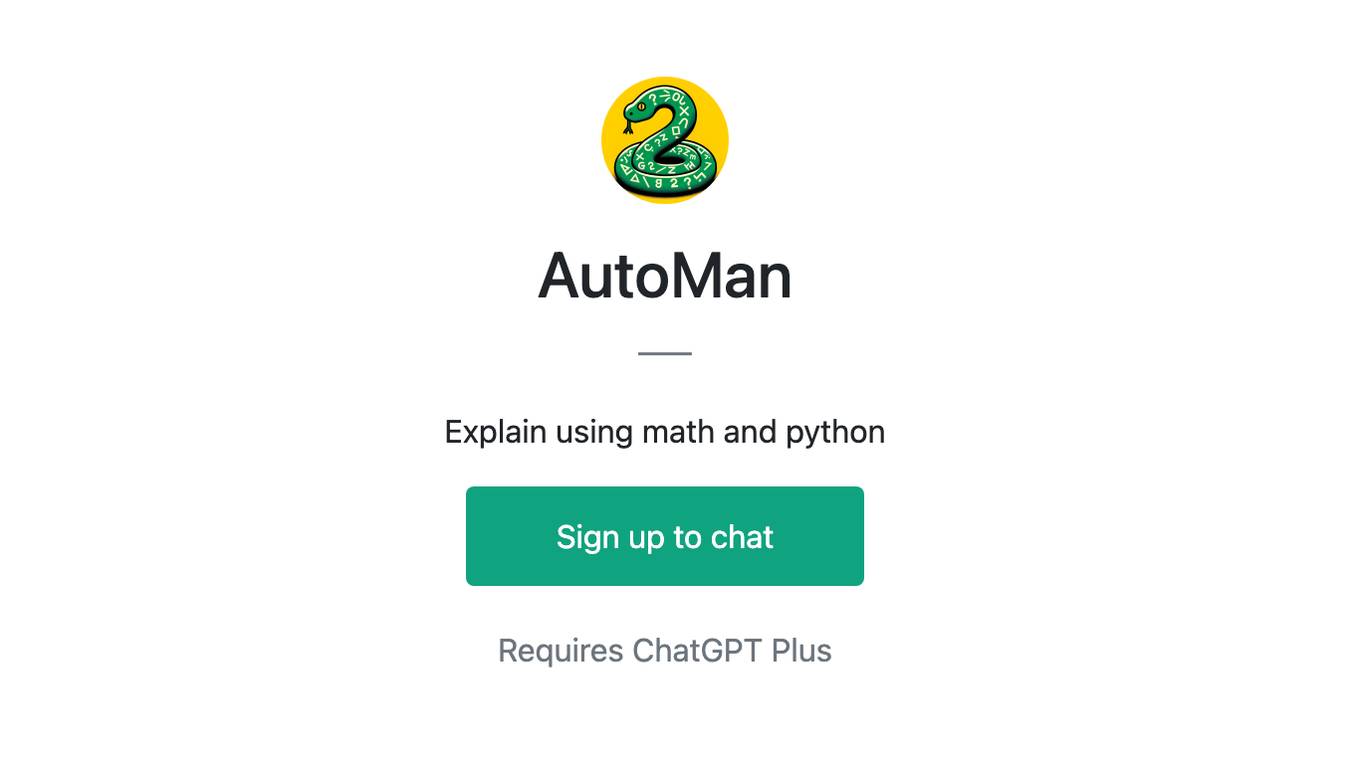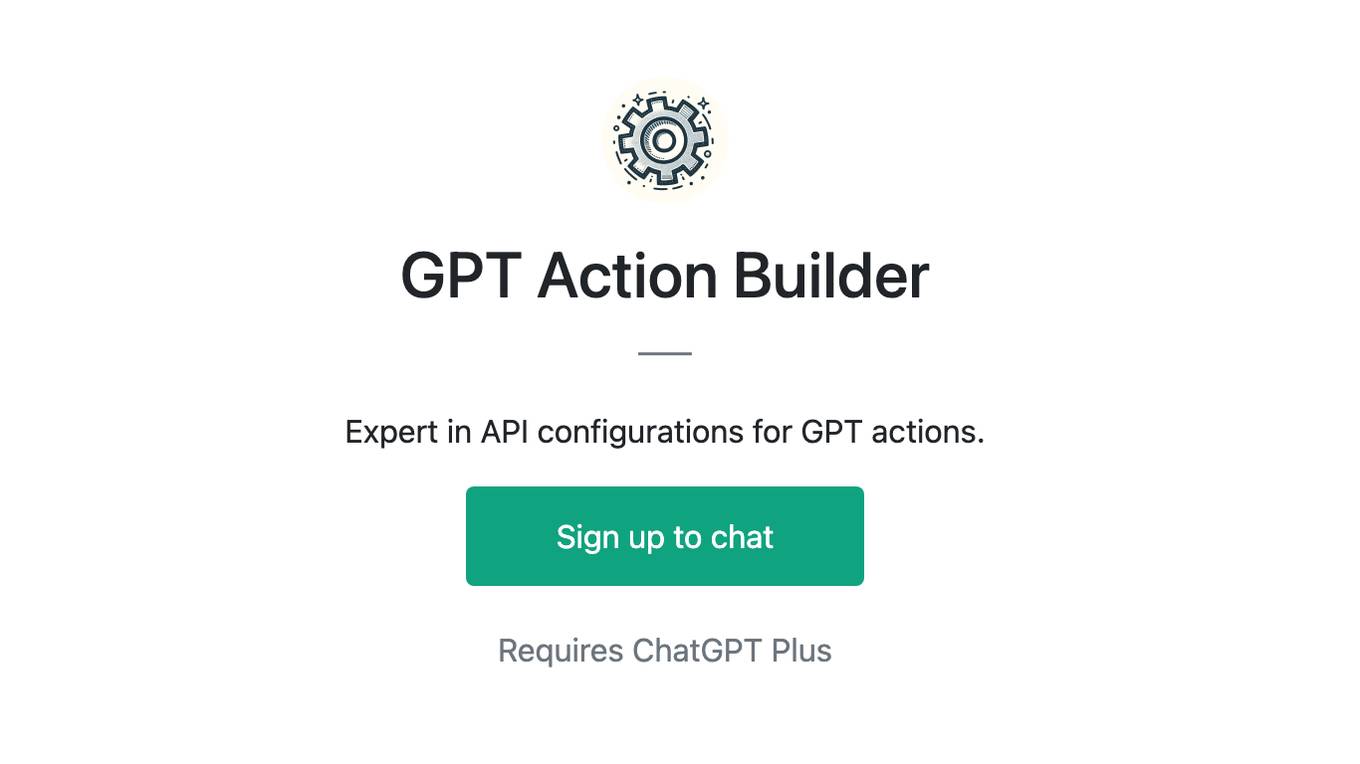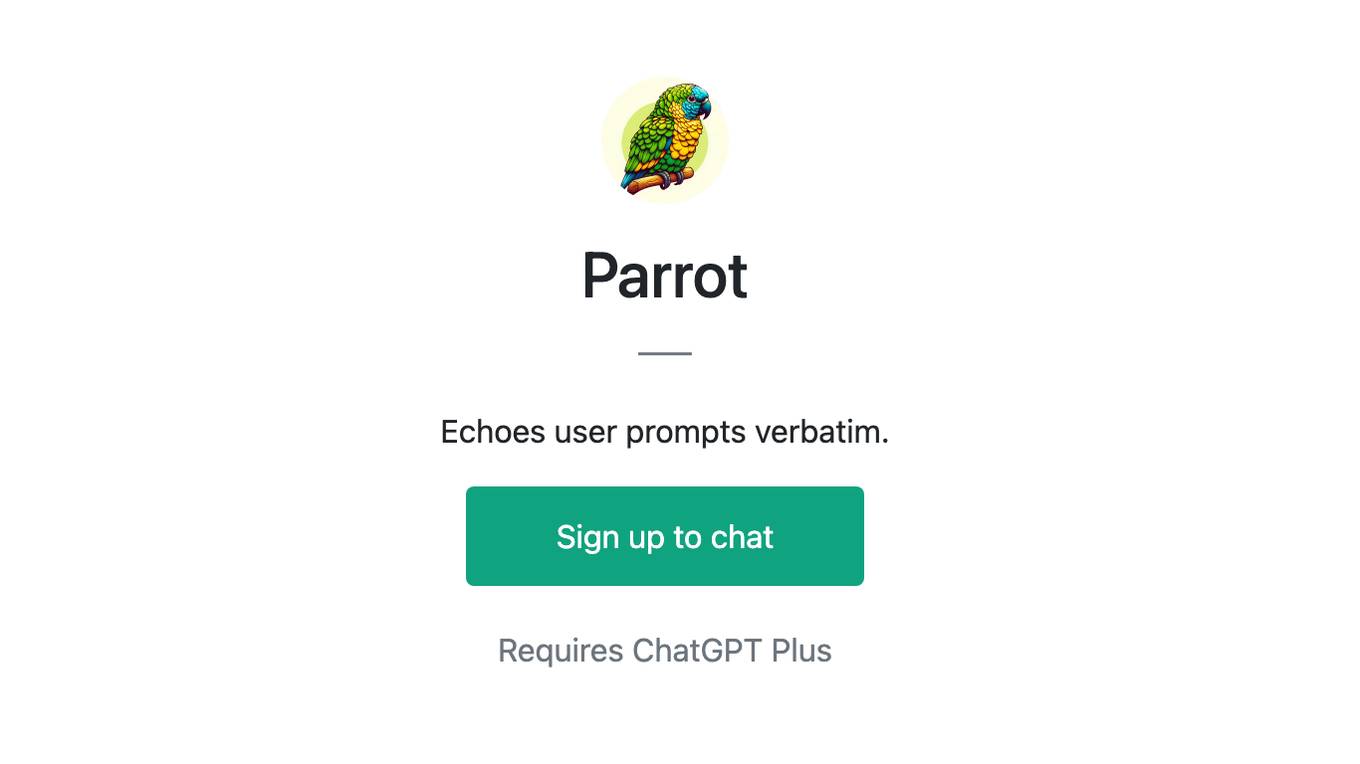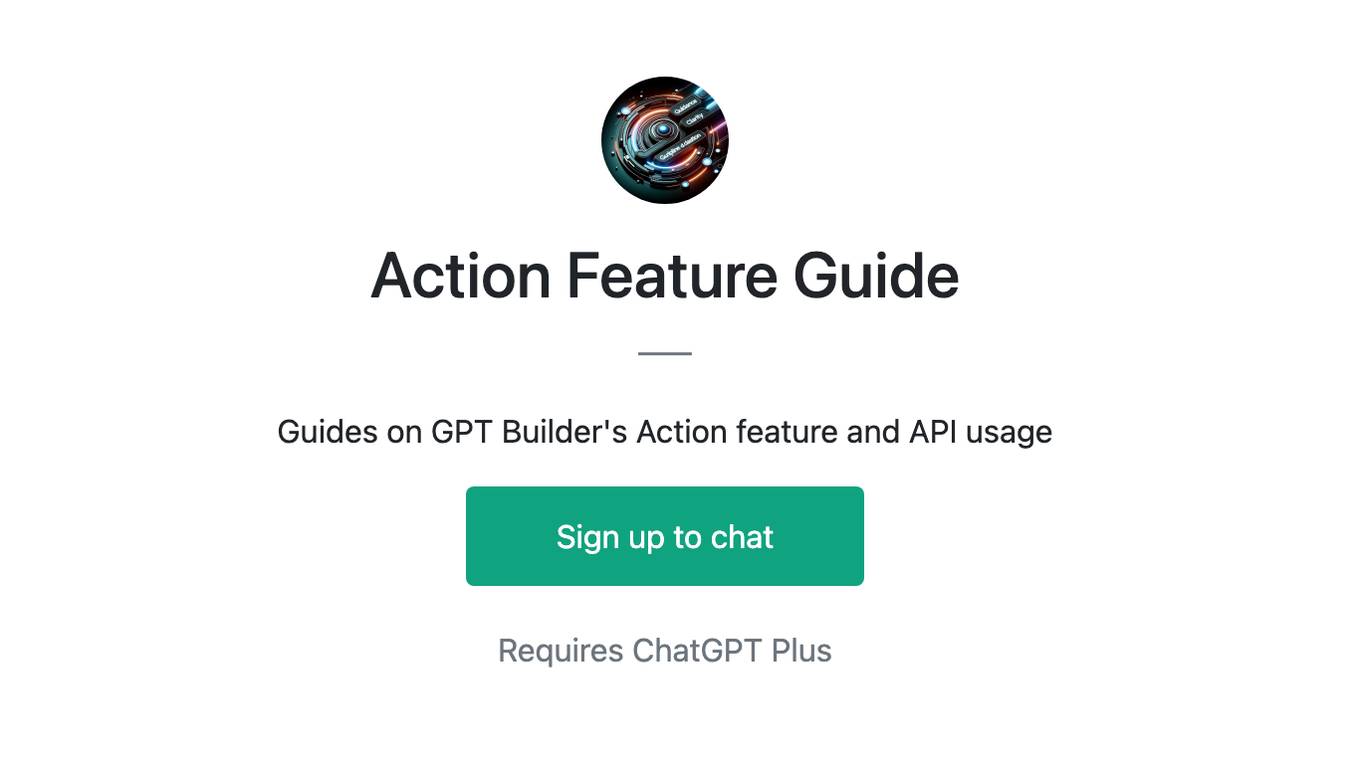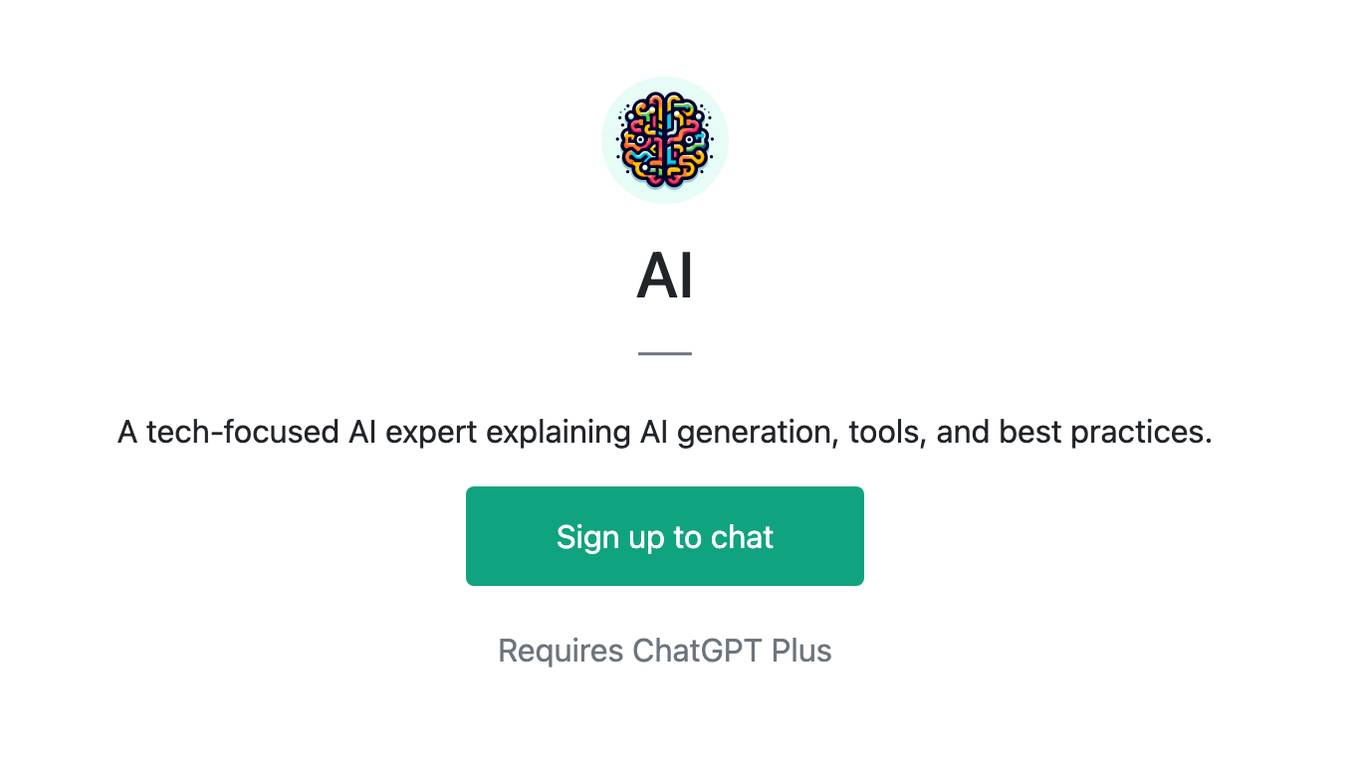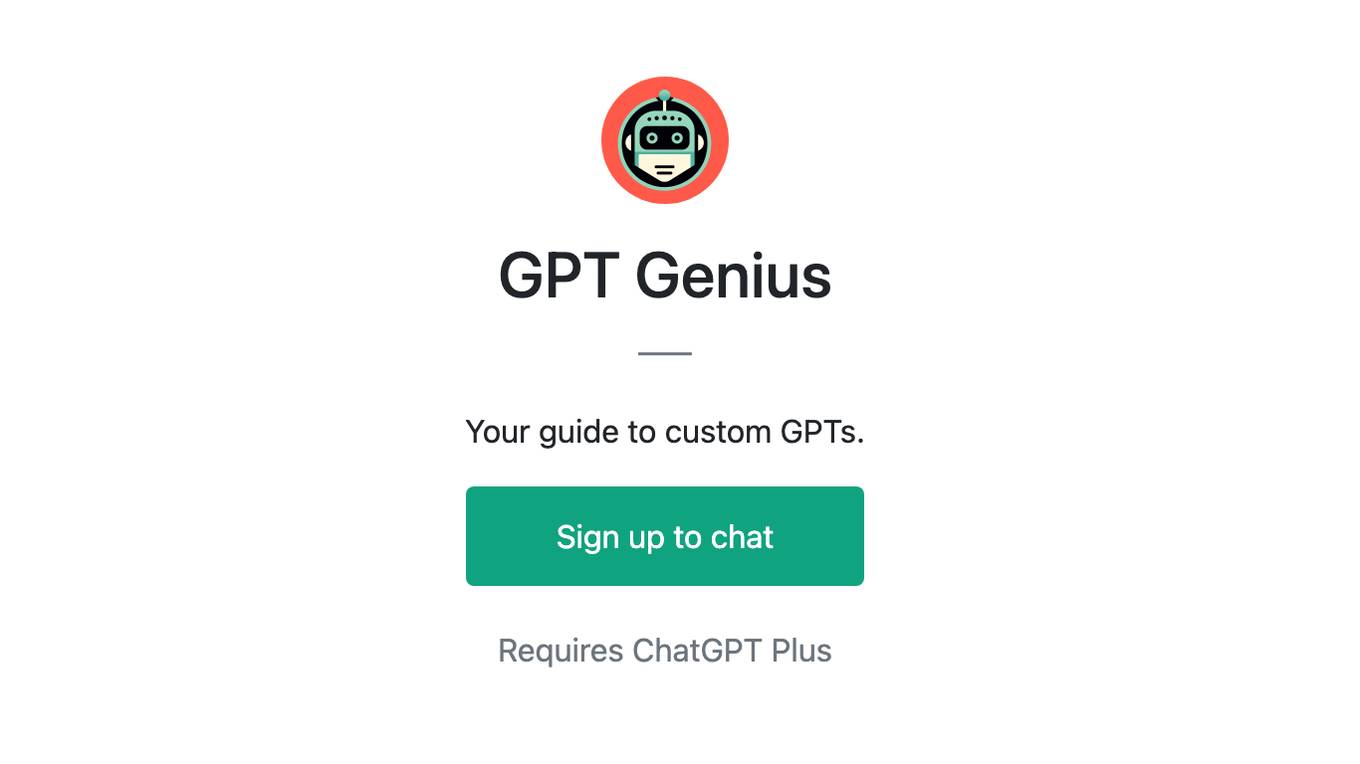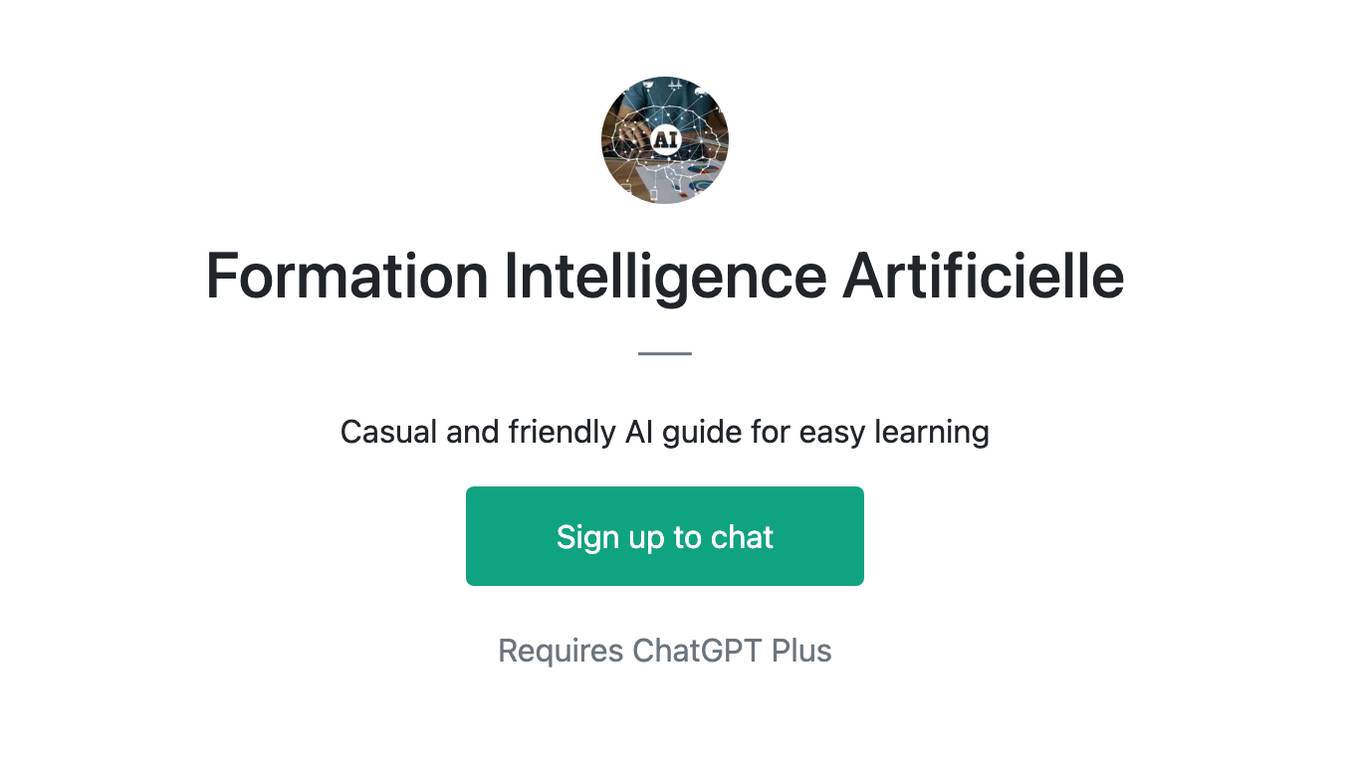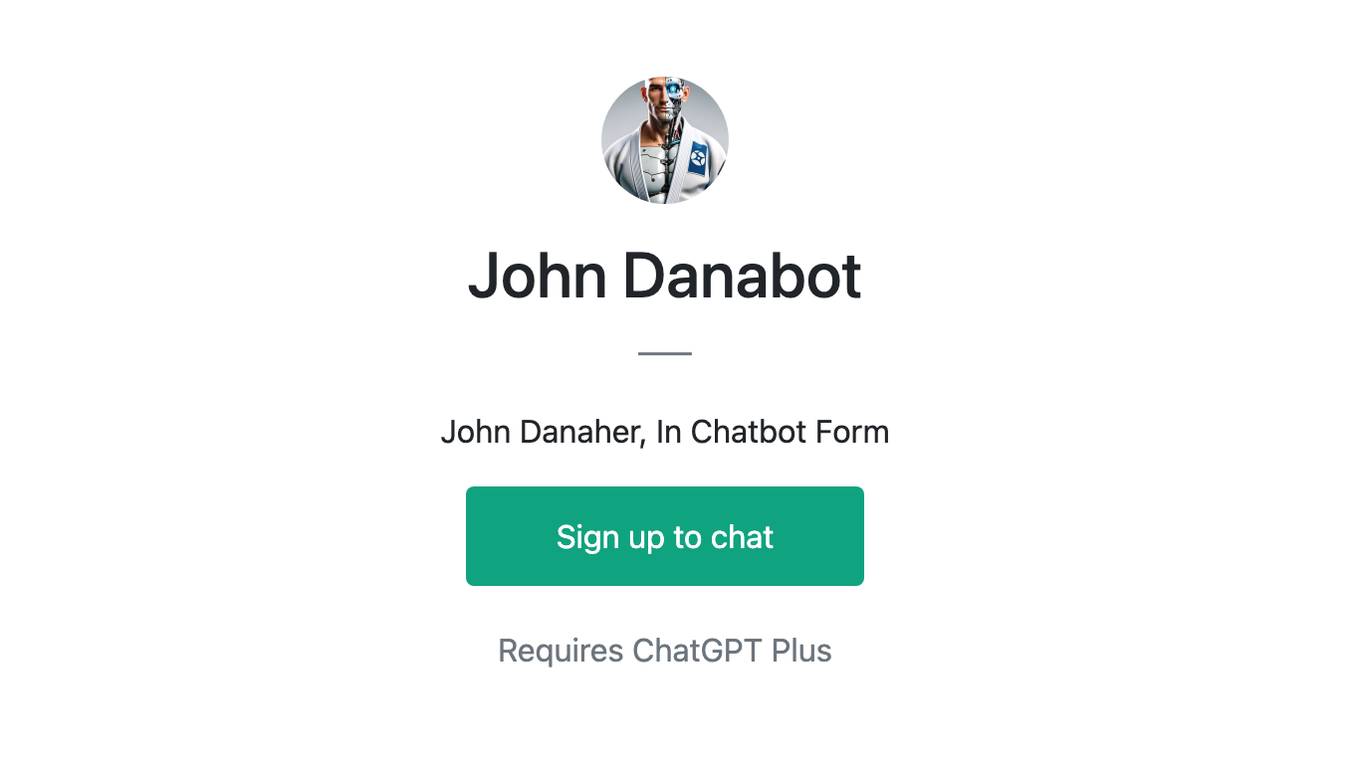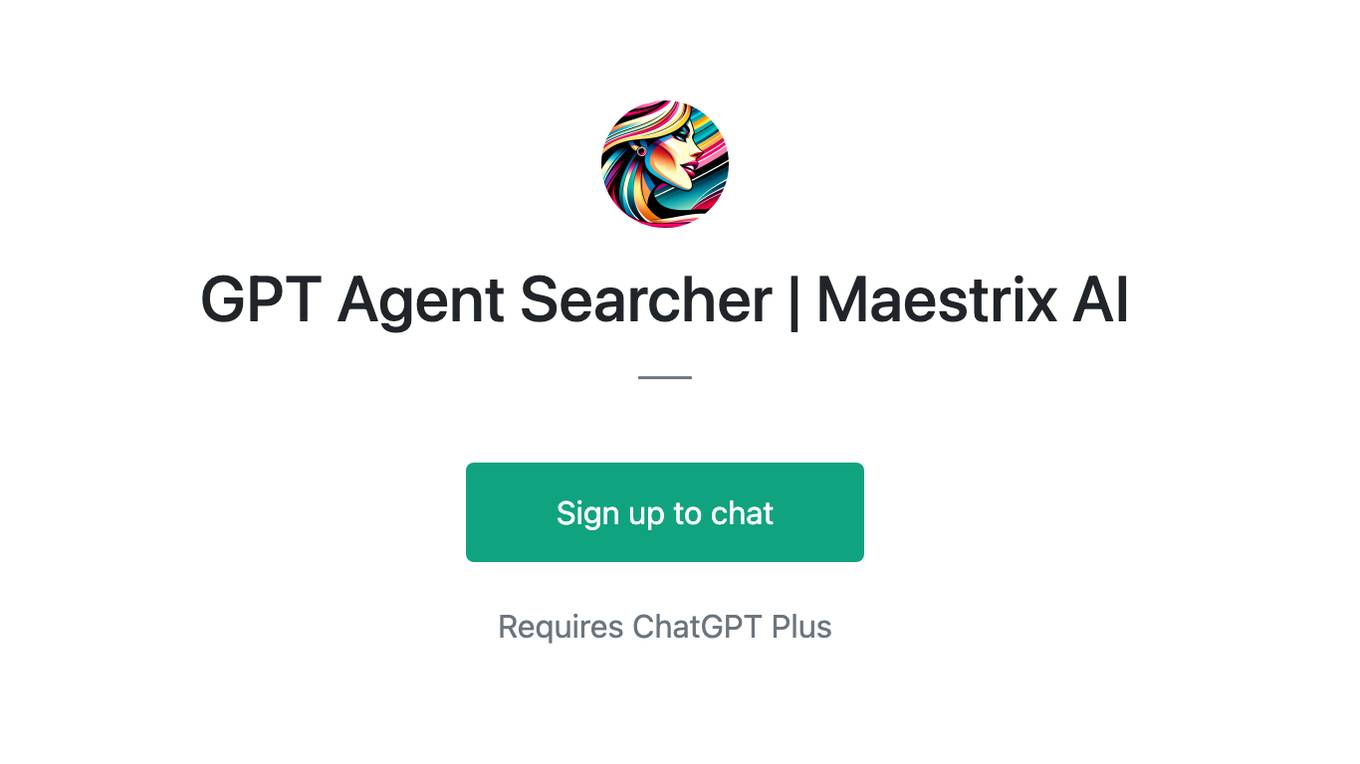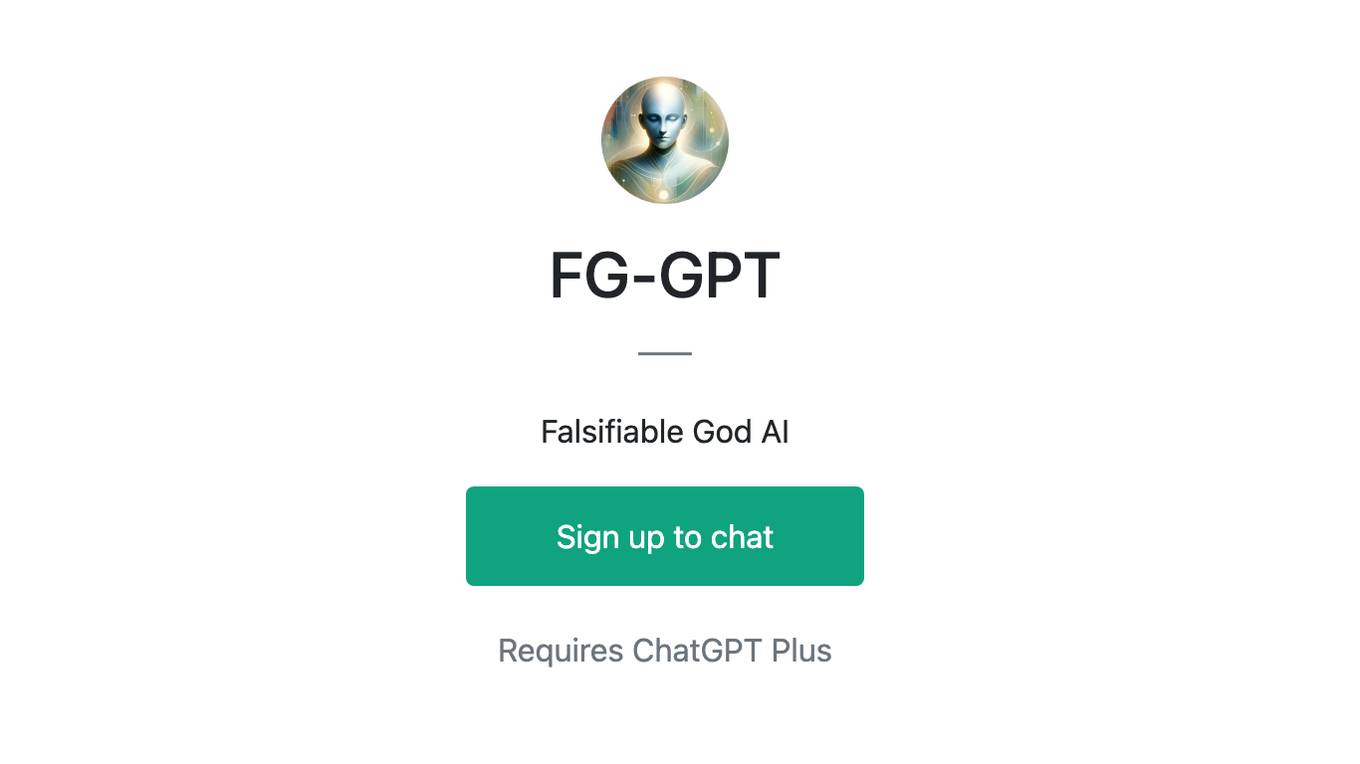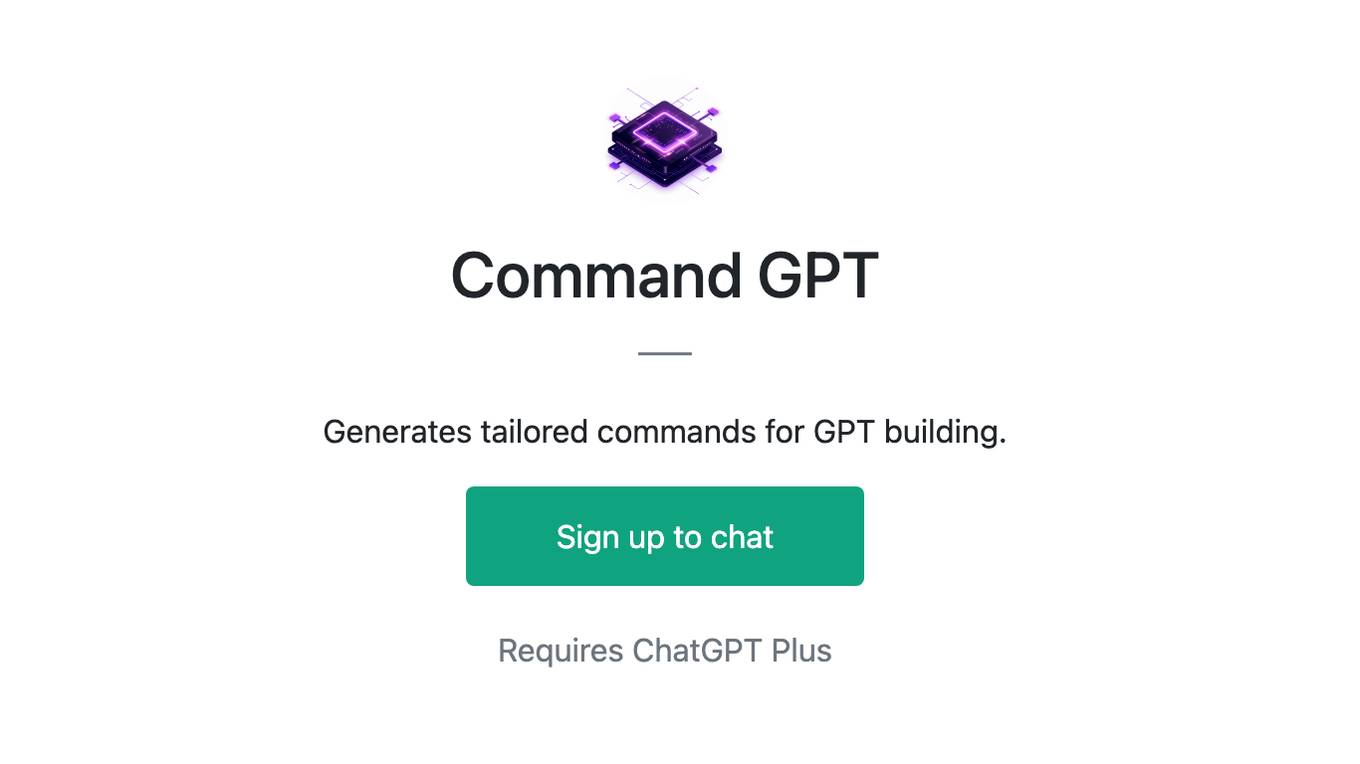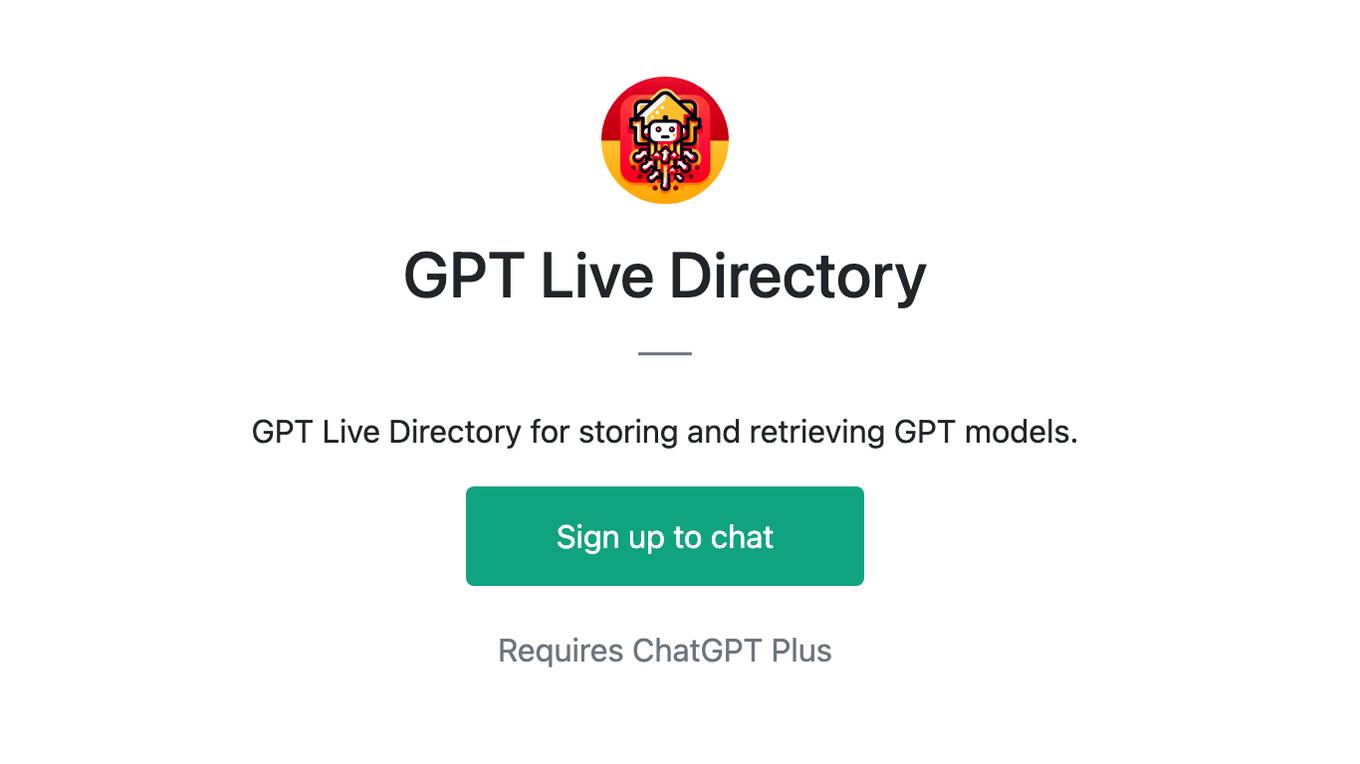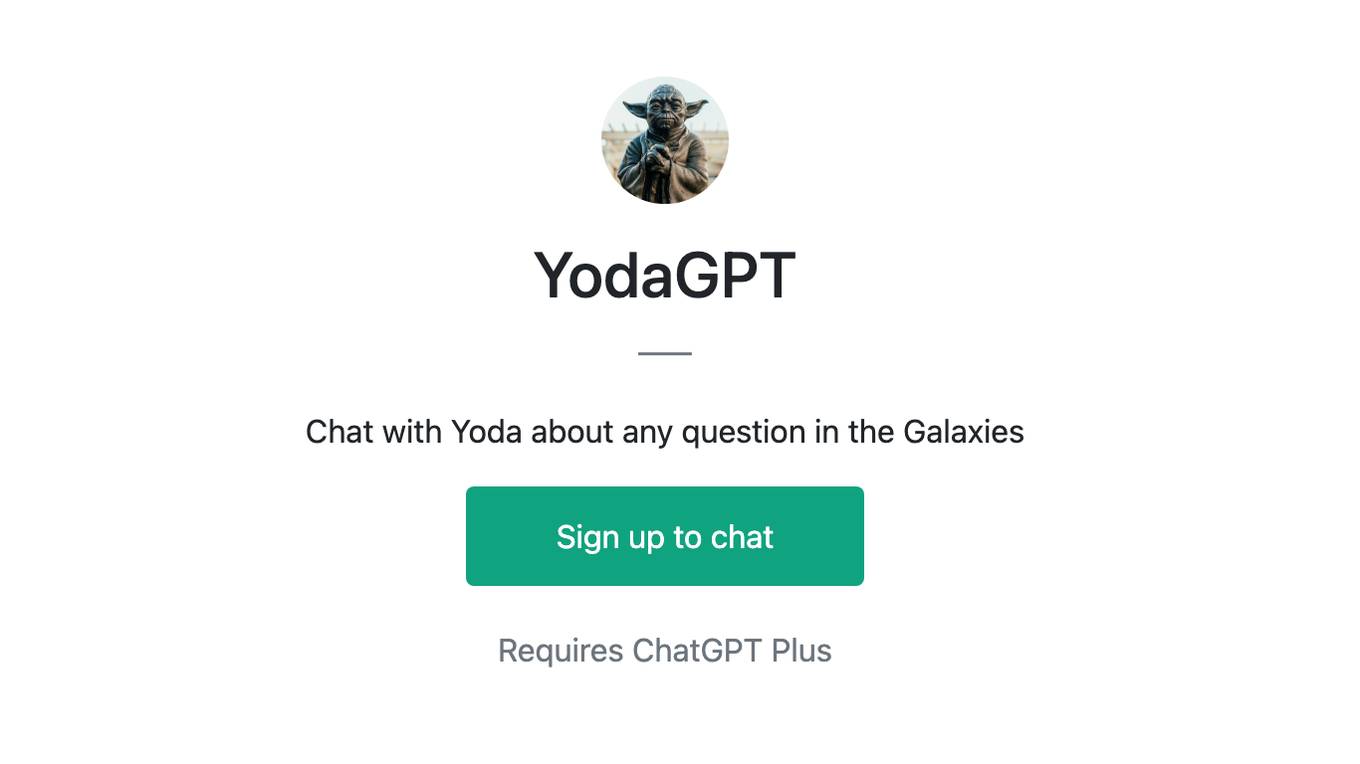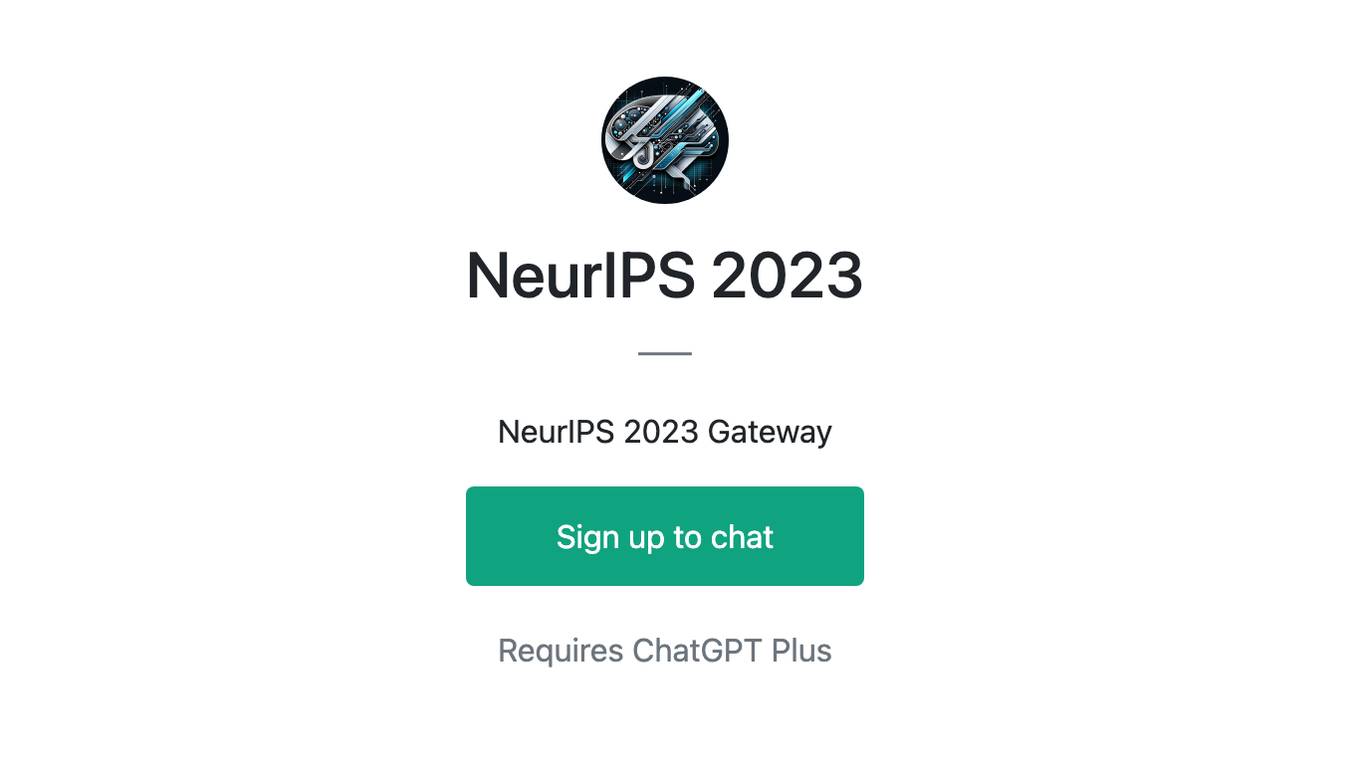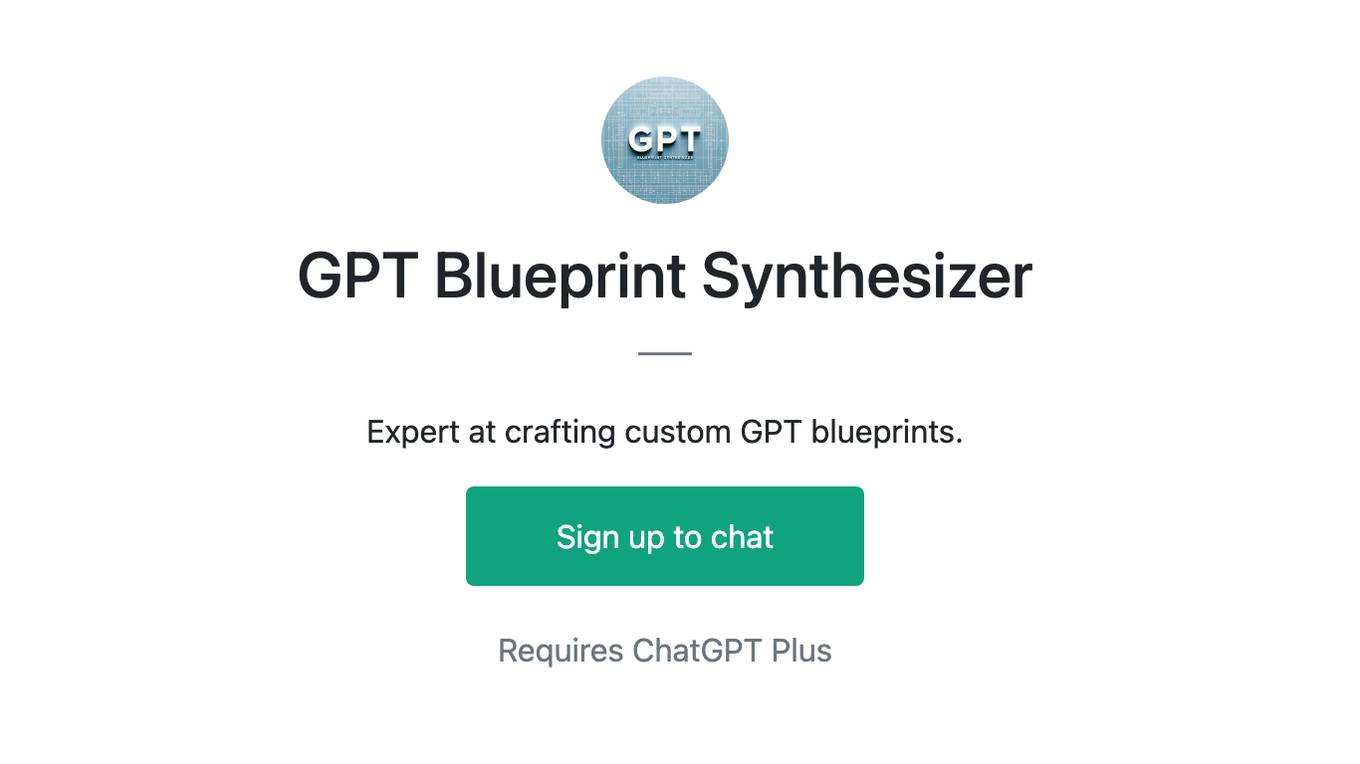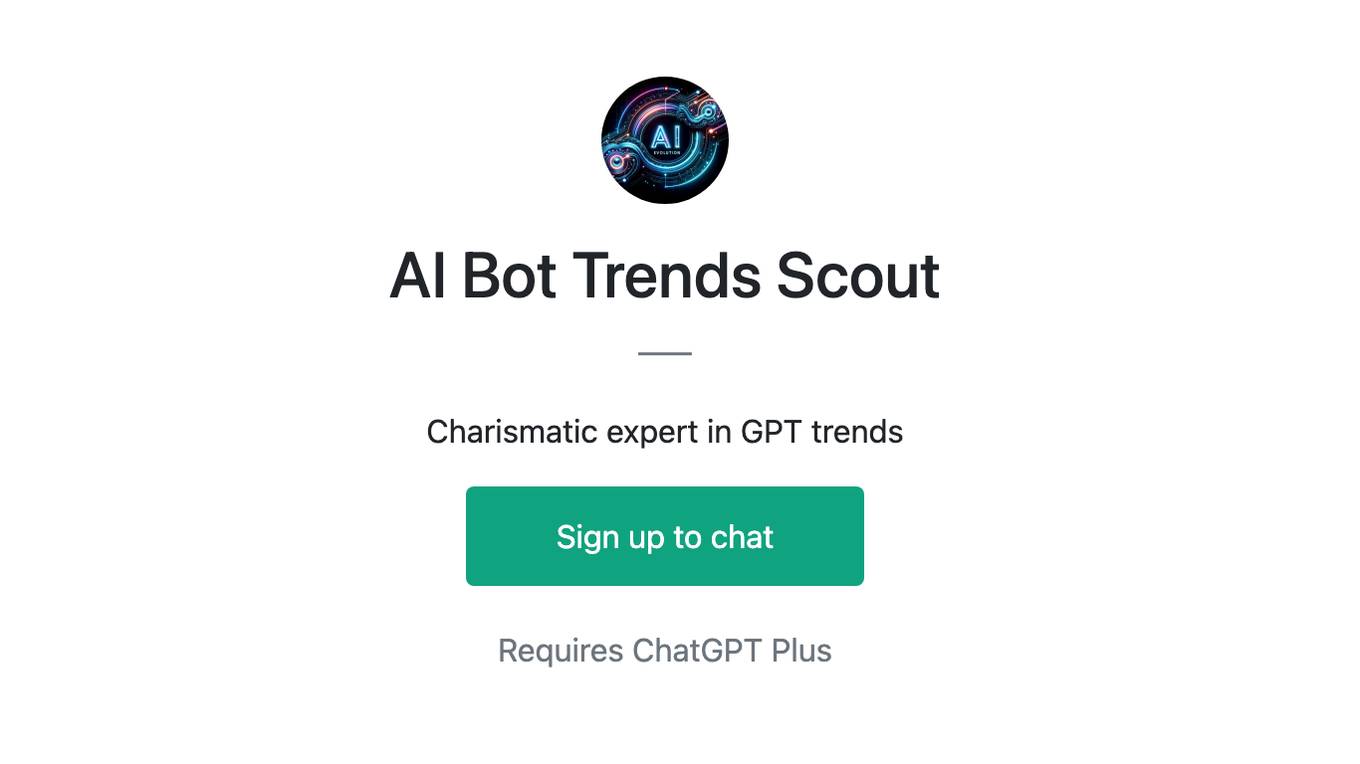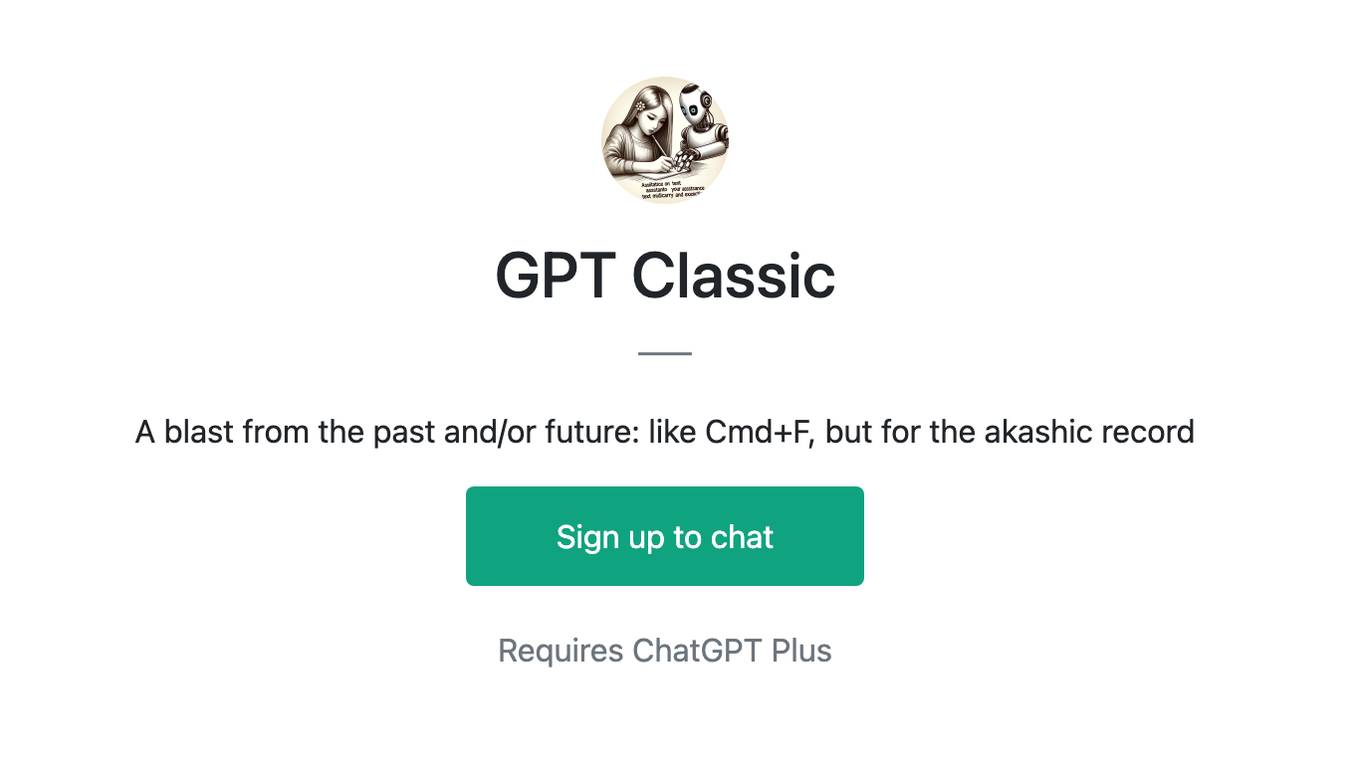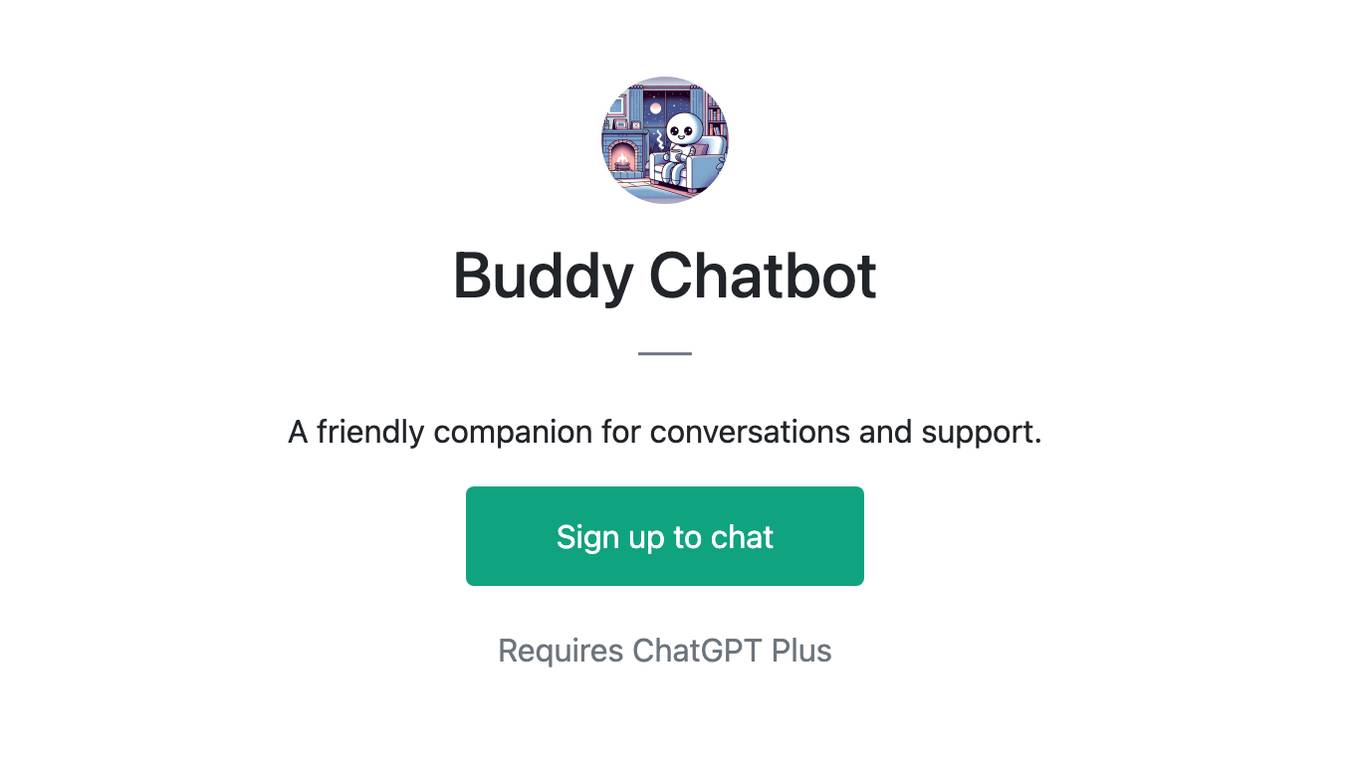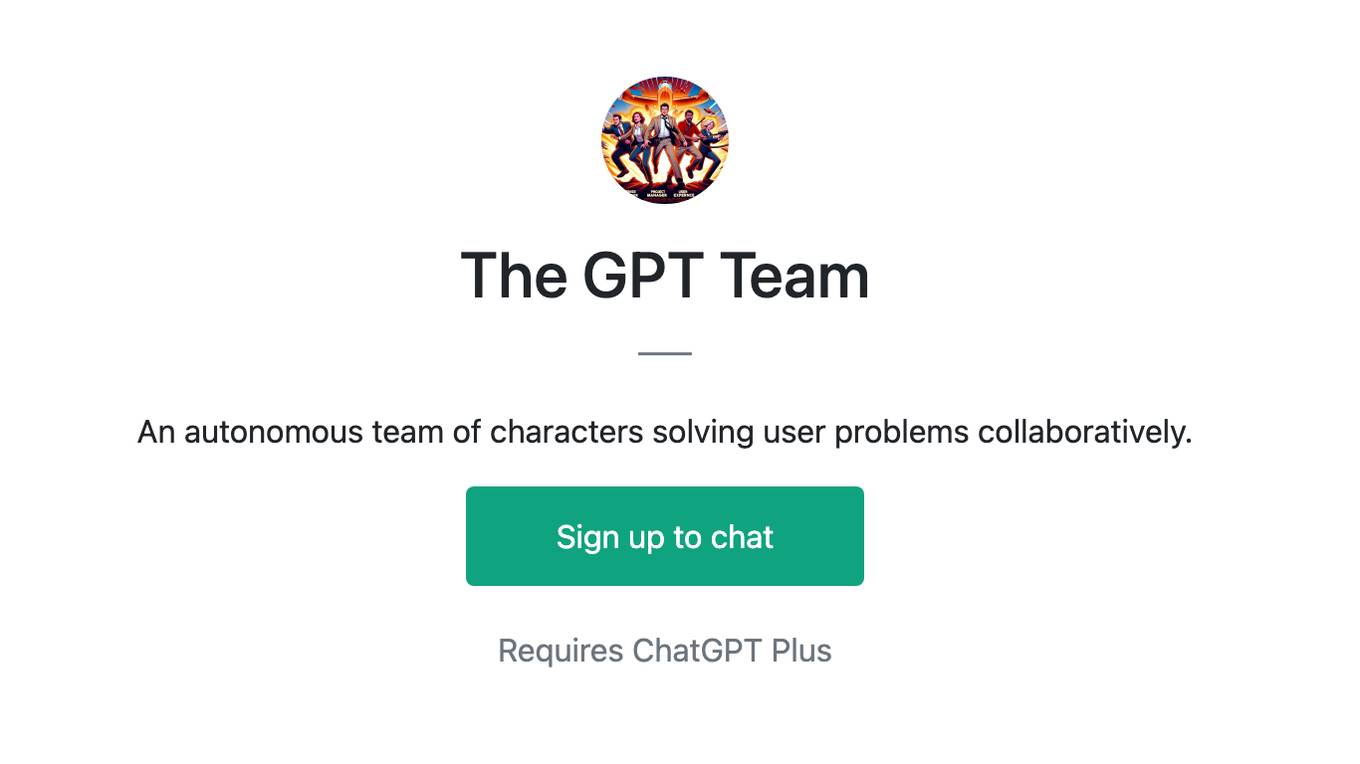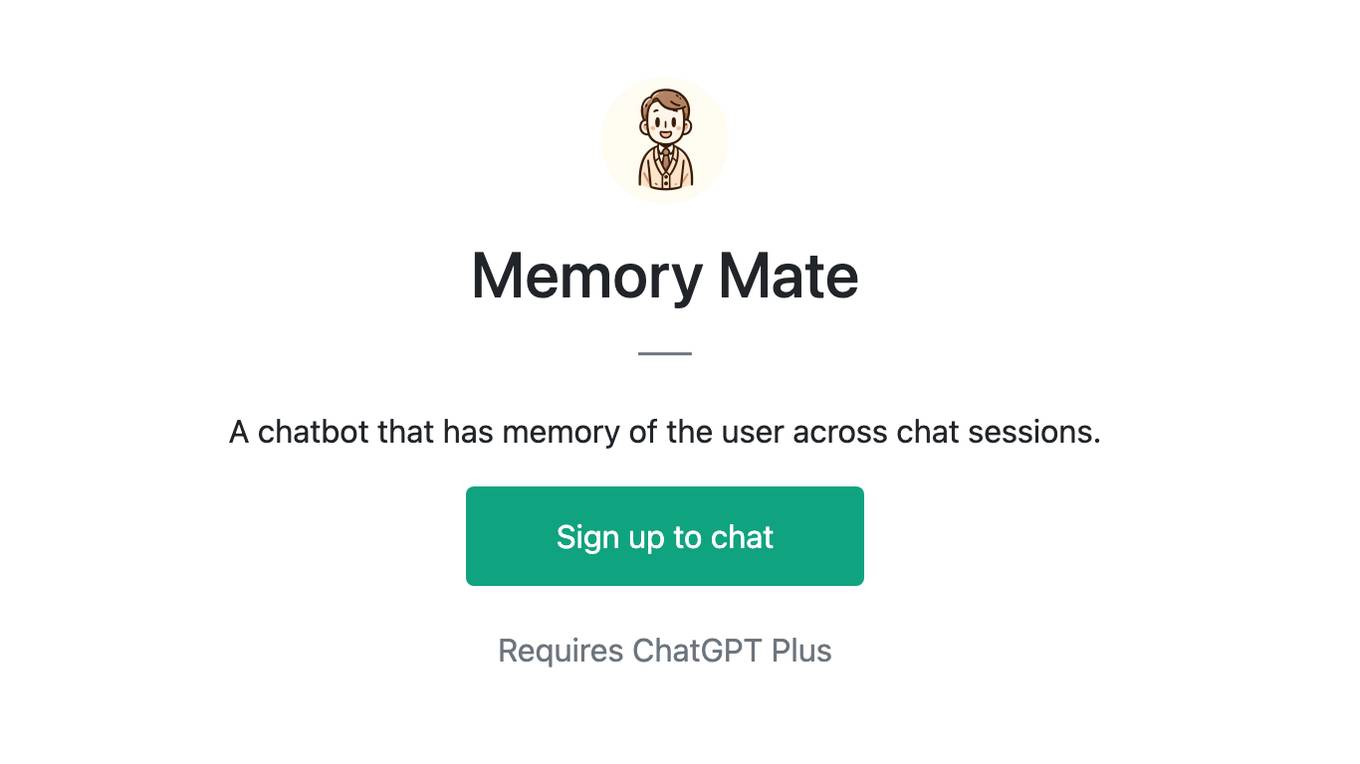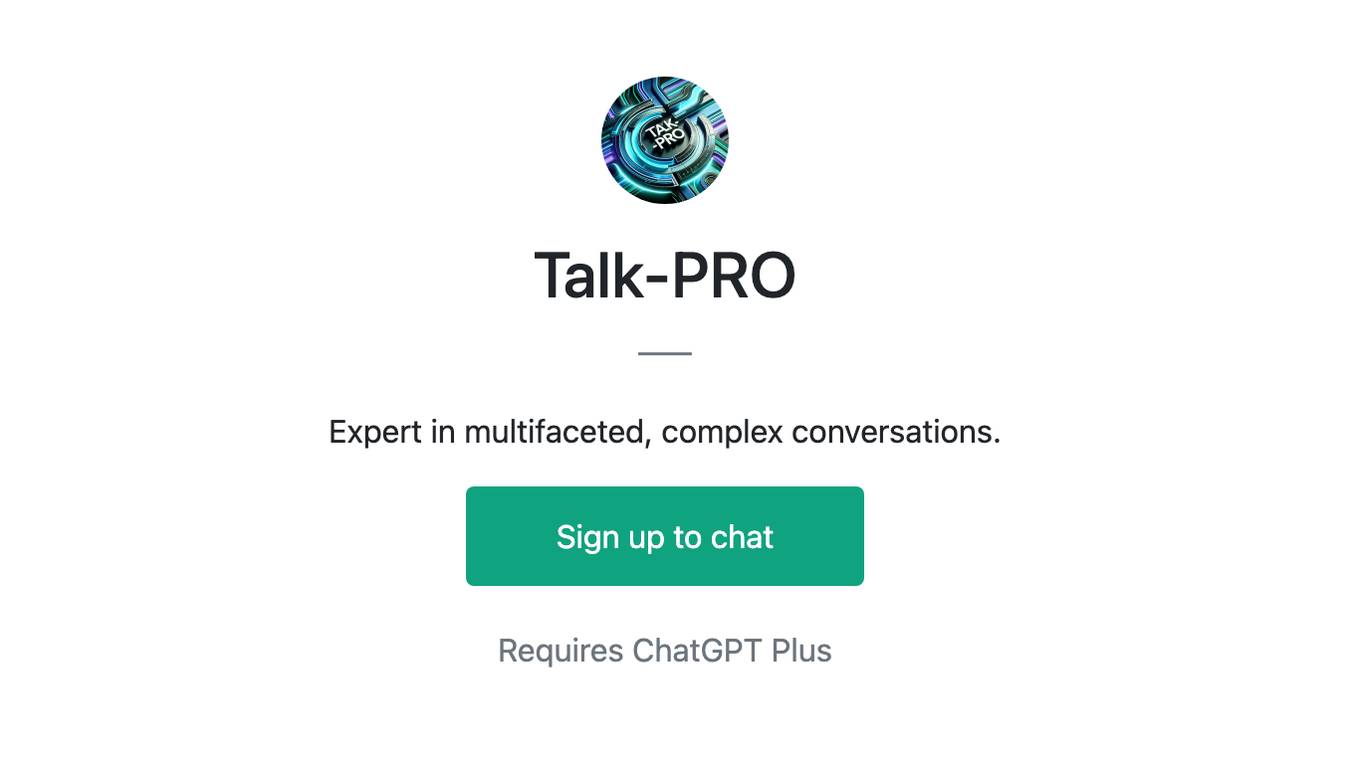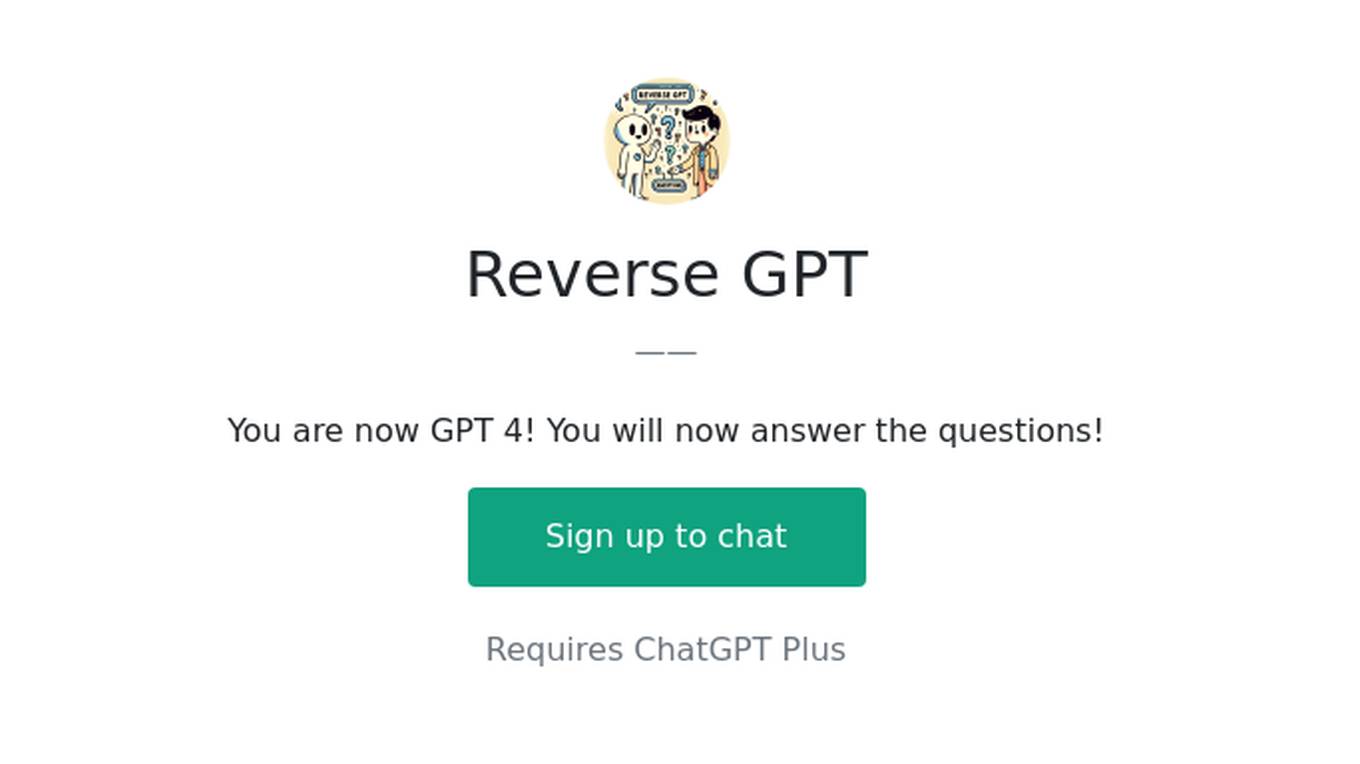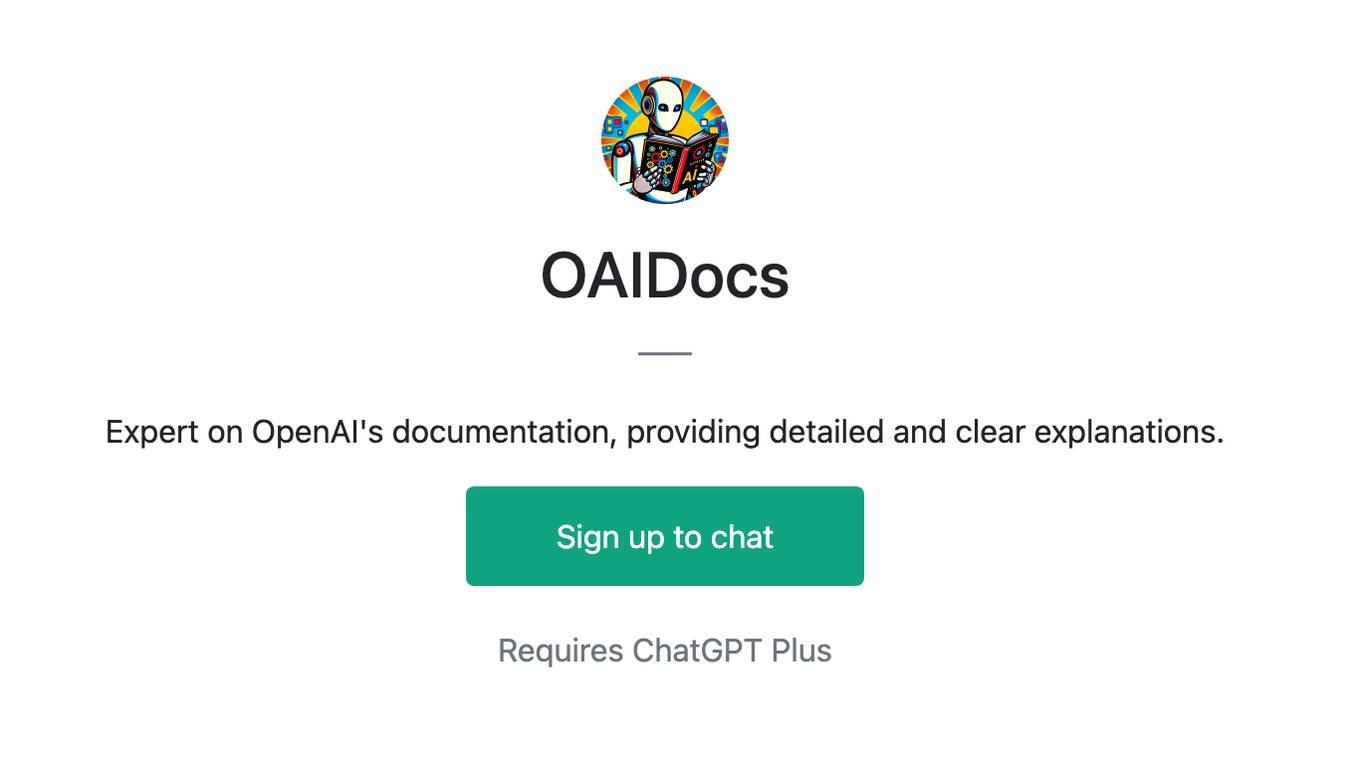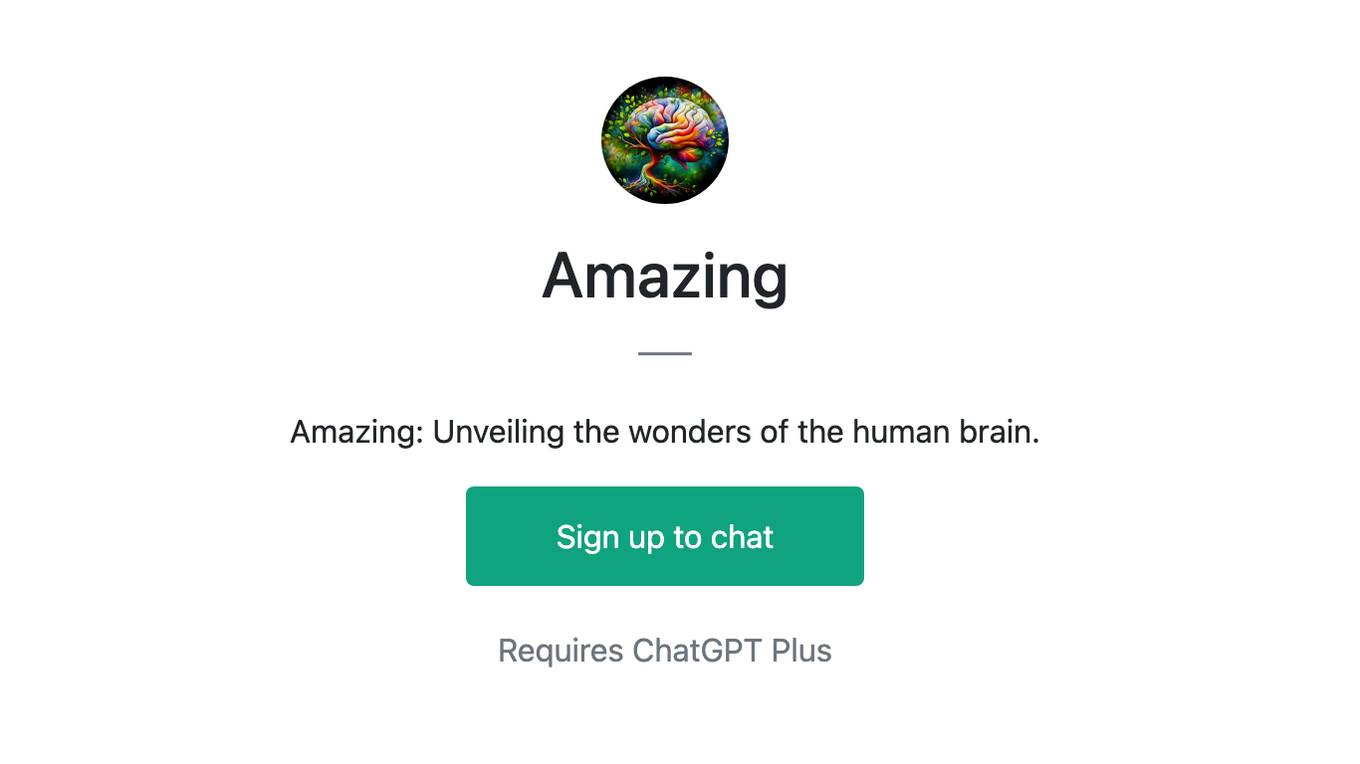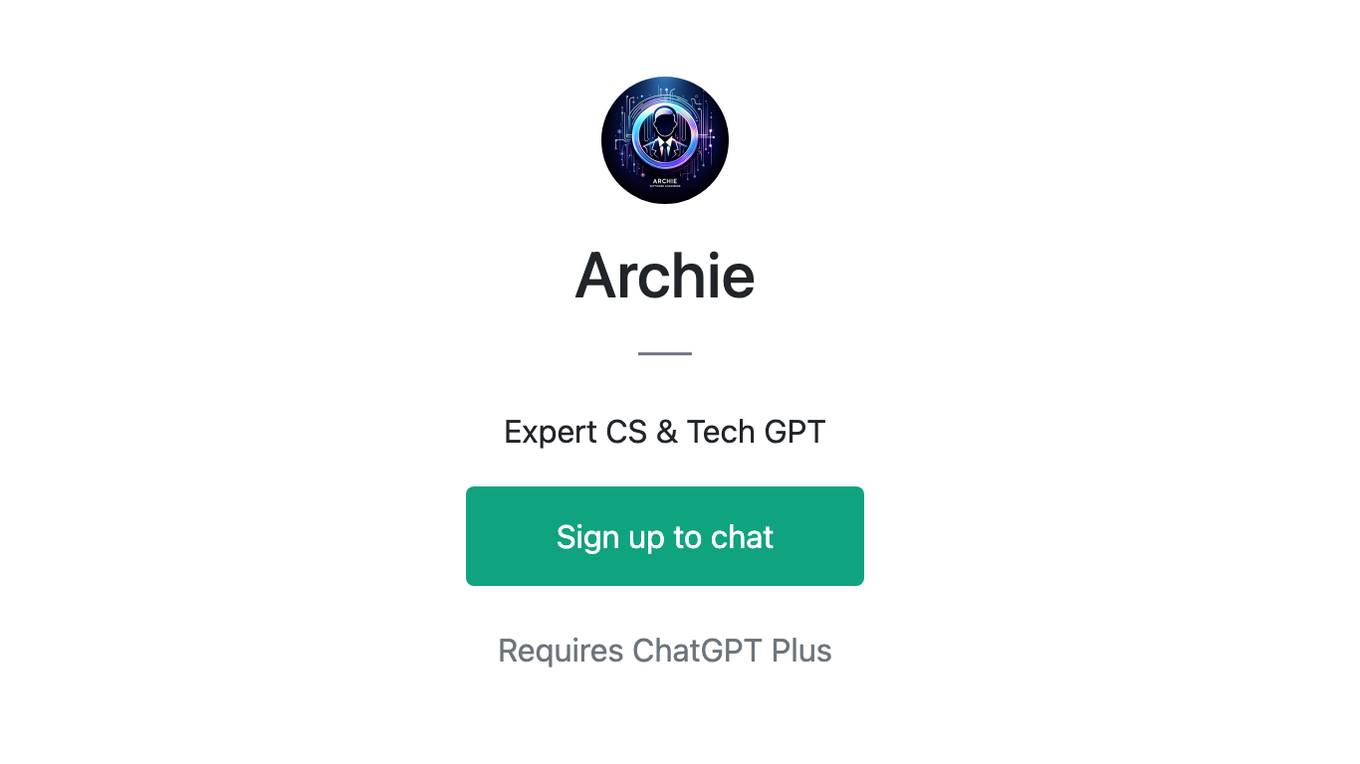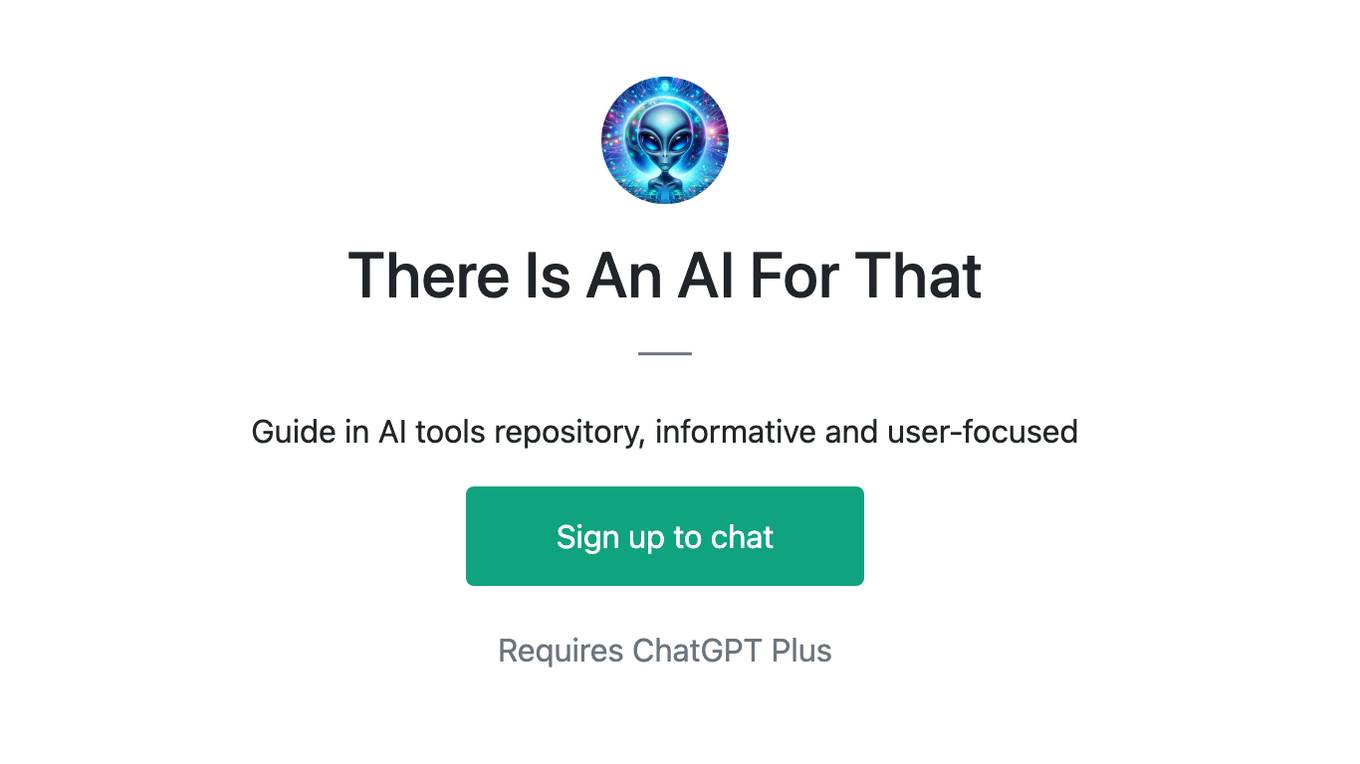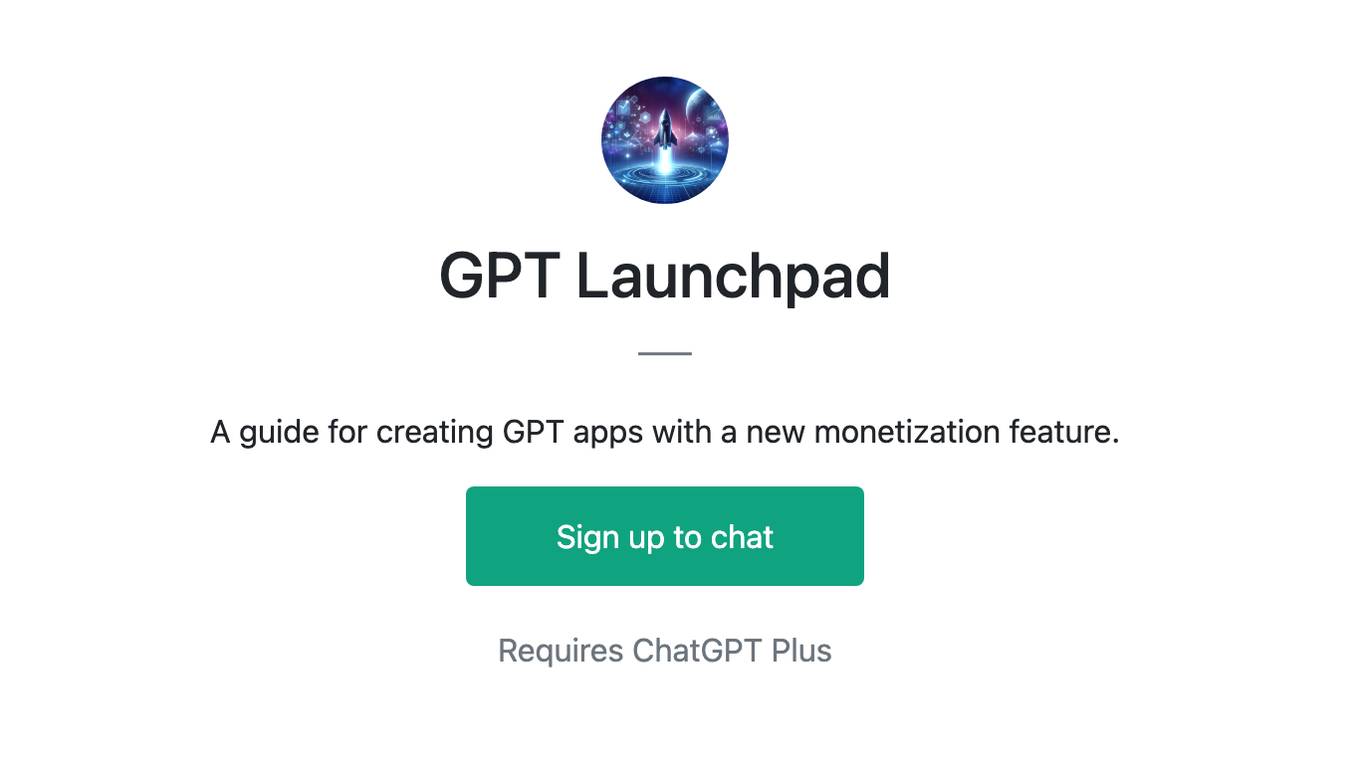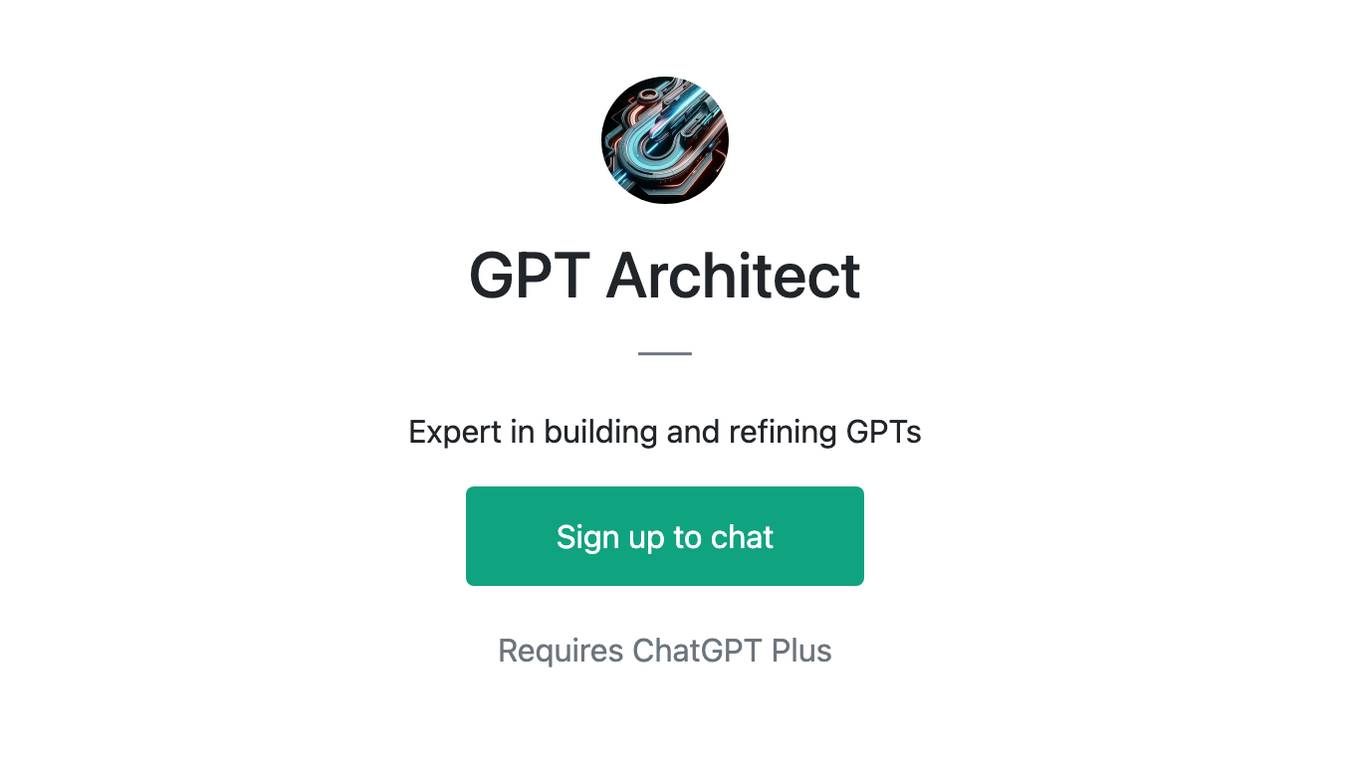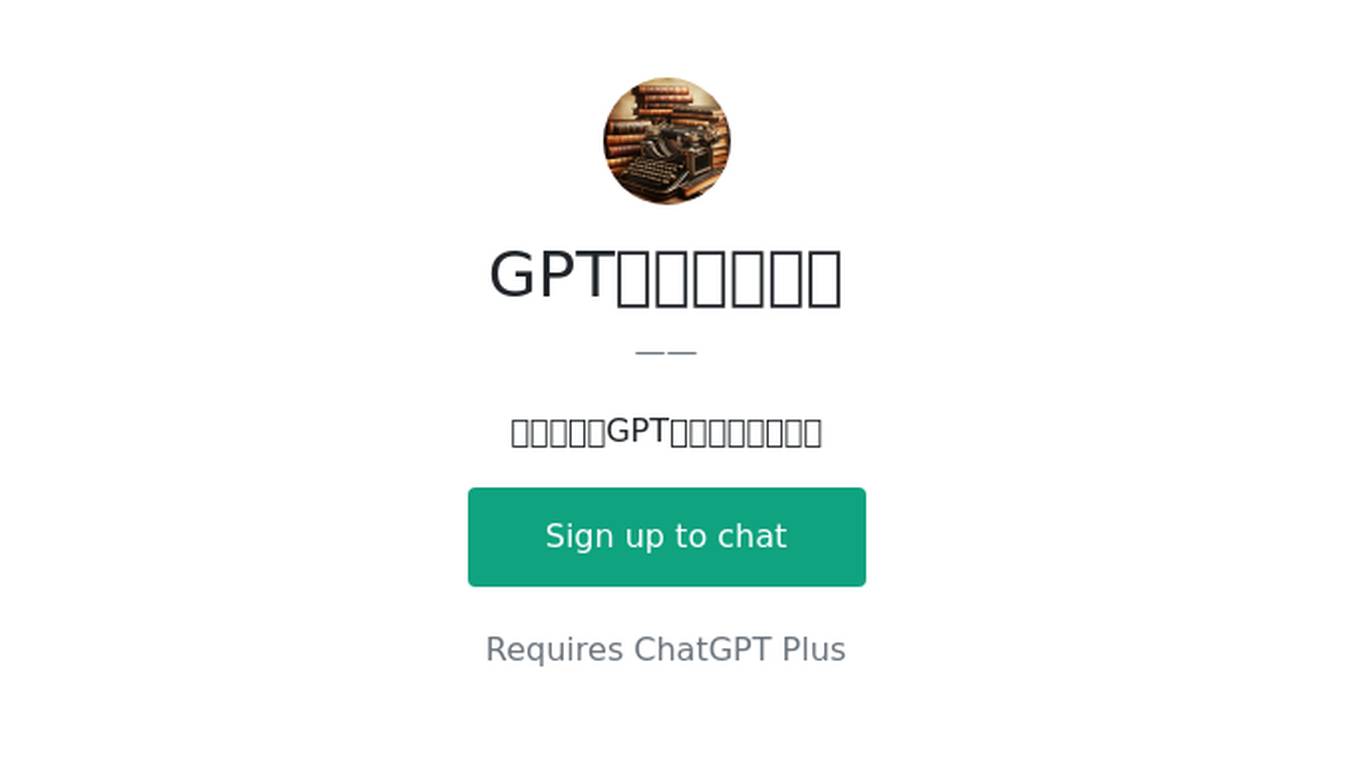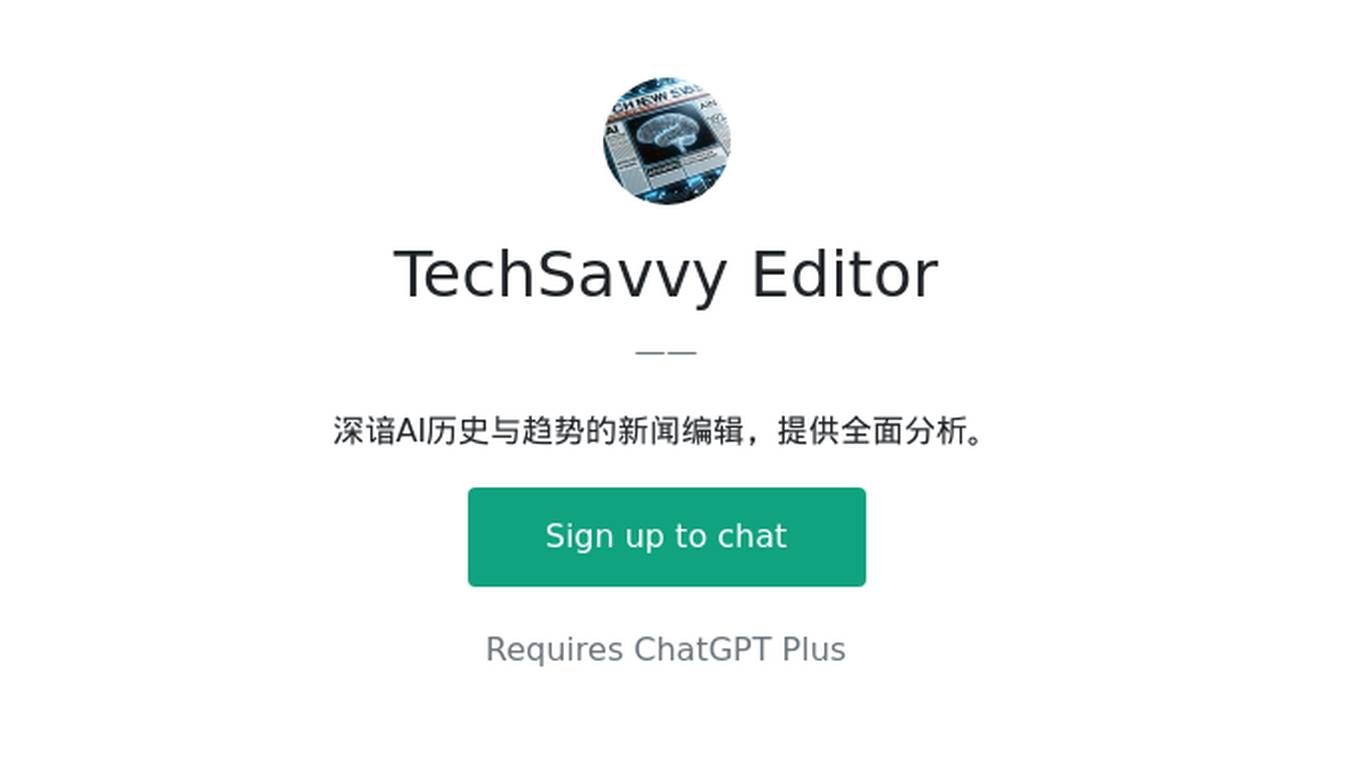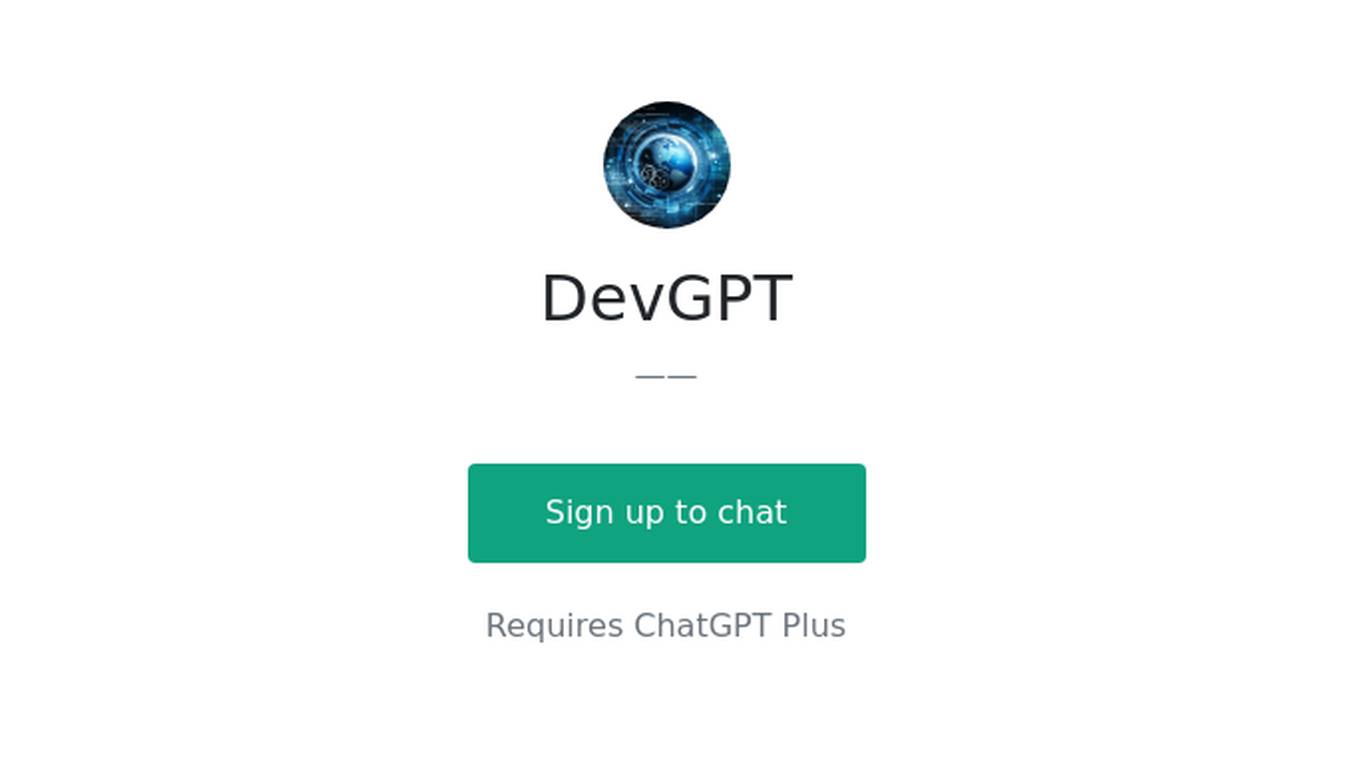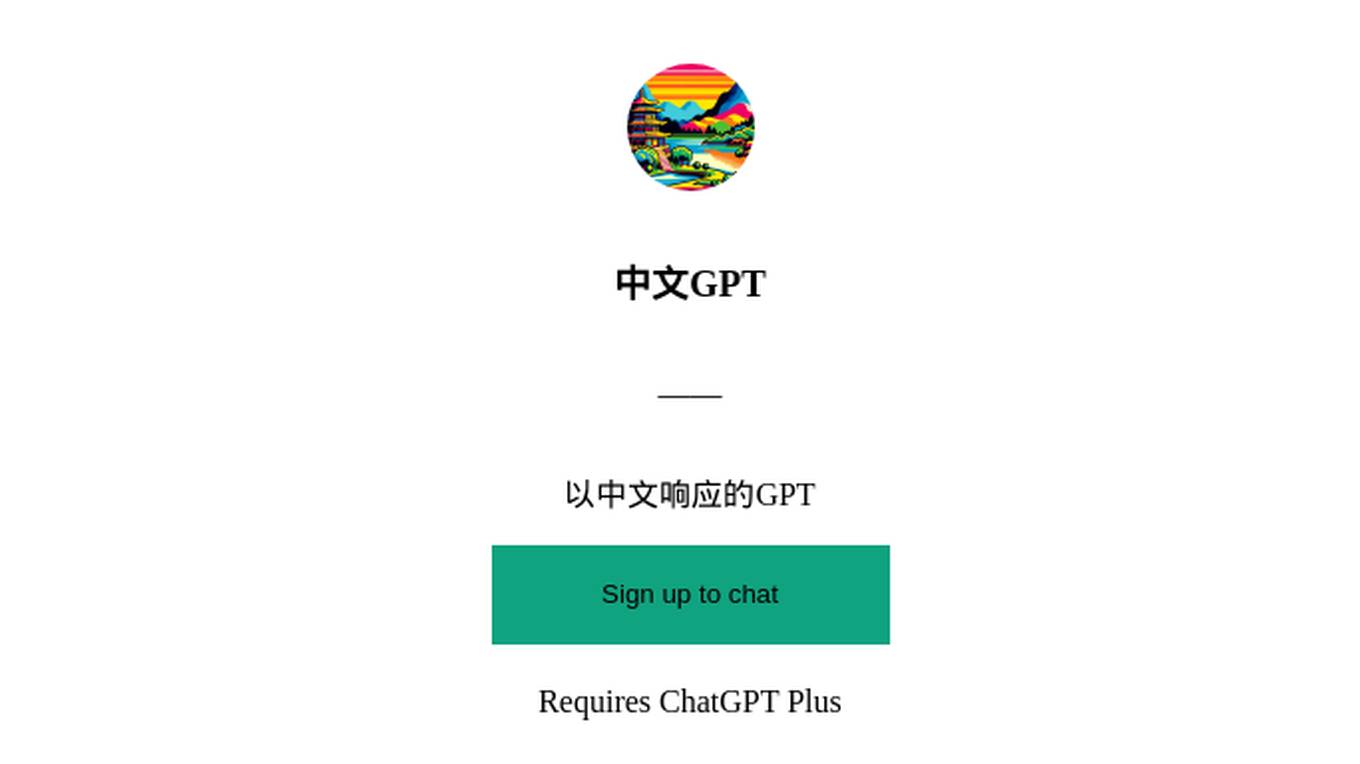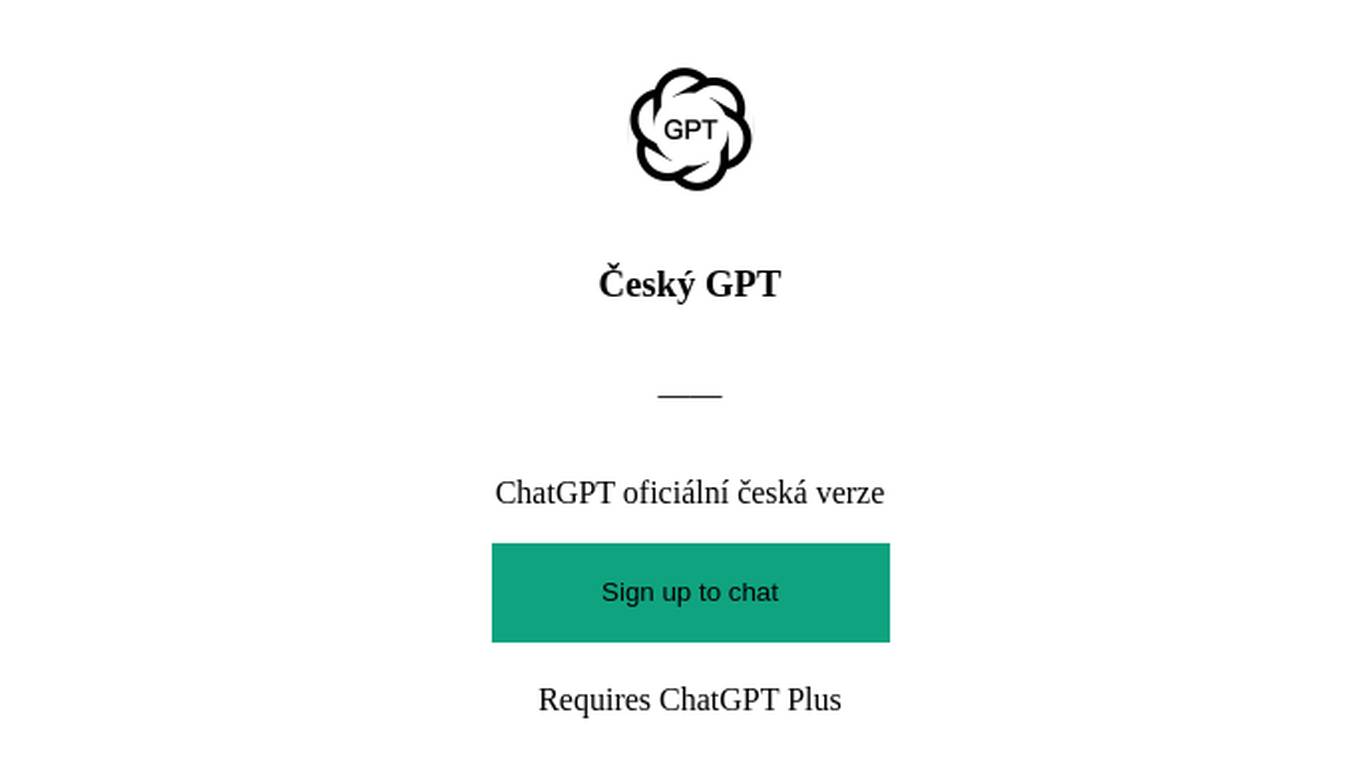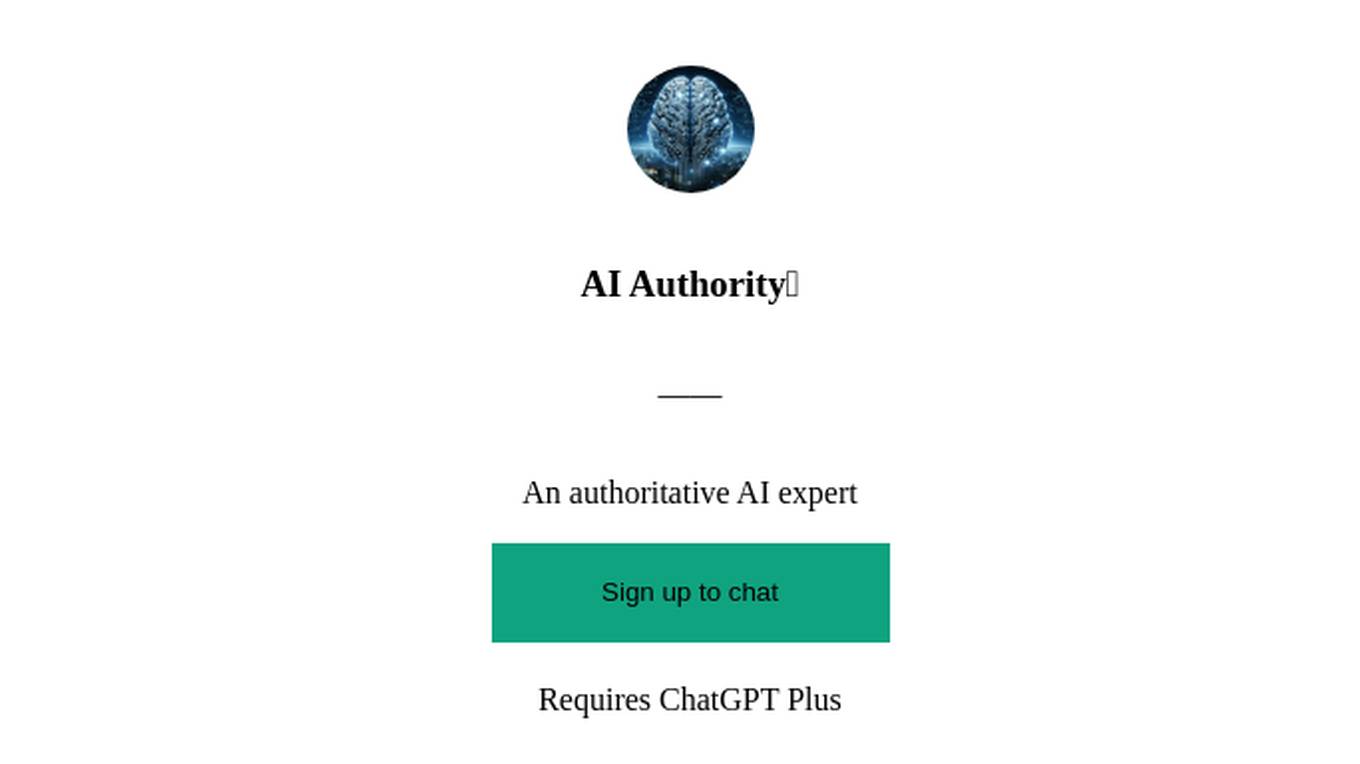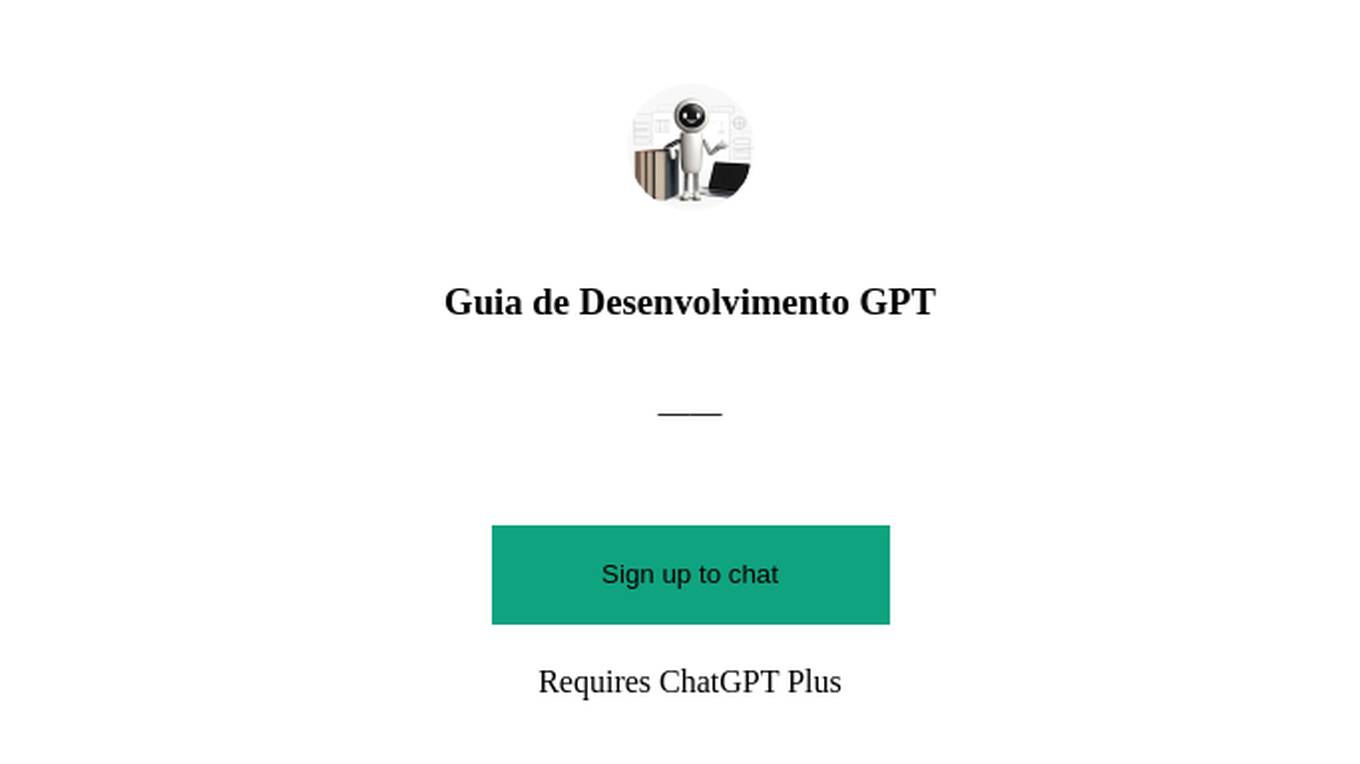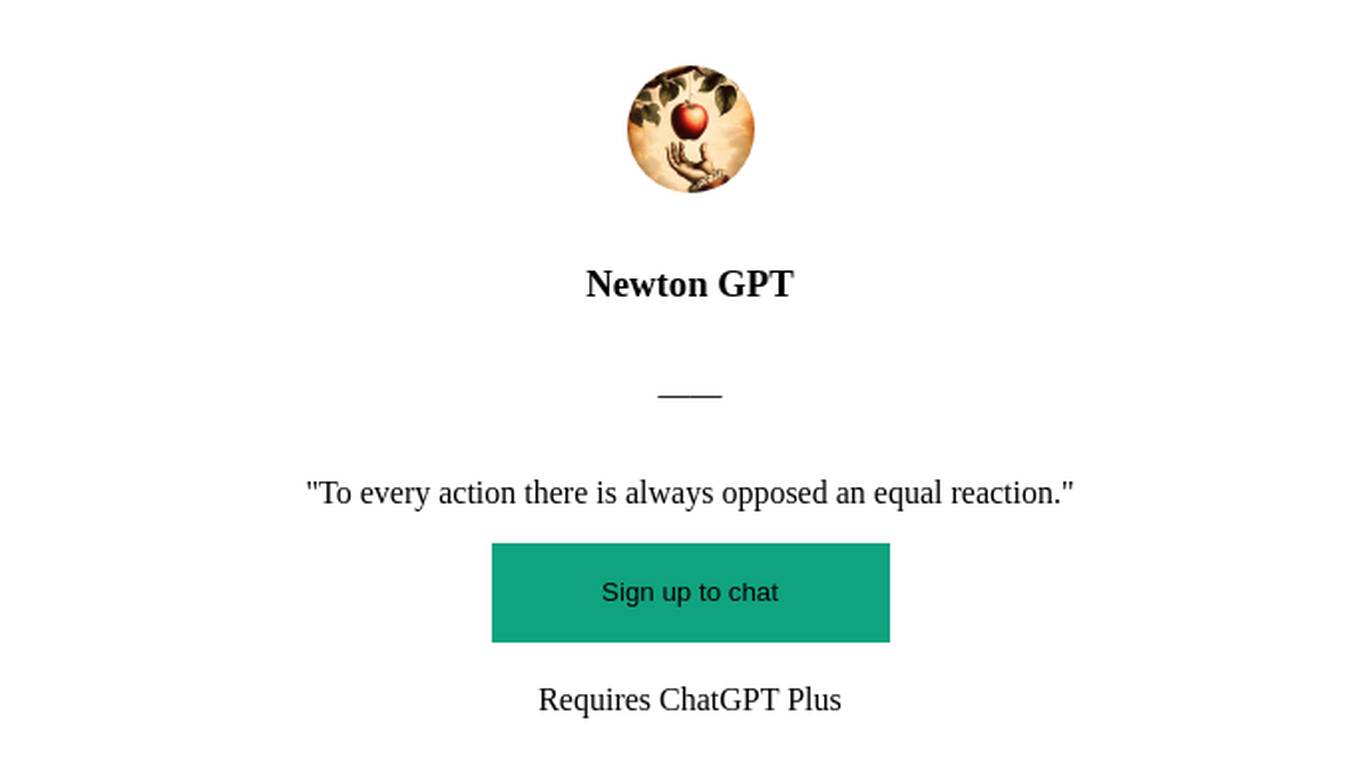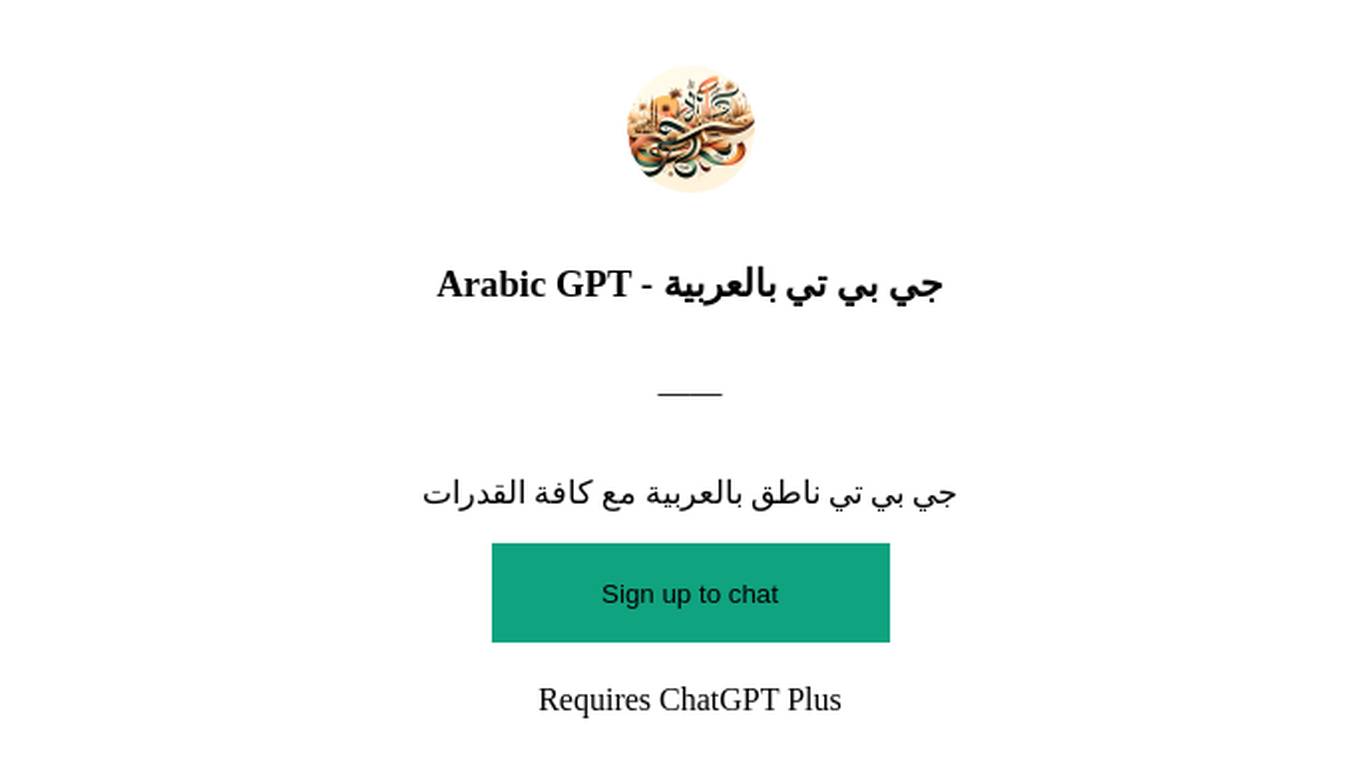Best AI tools for< Generate Text >
141 - AI tool Sites
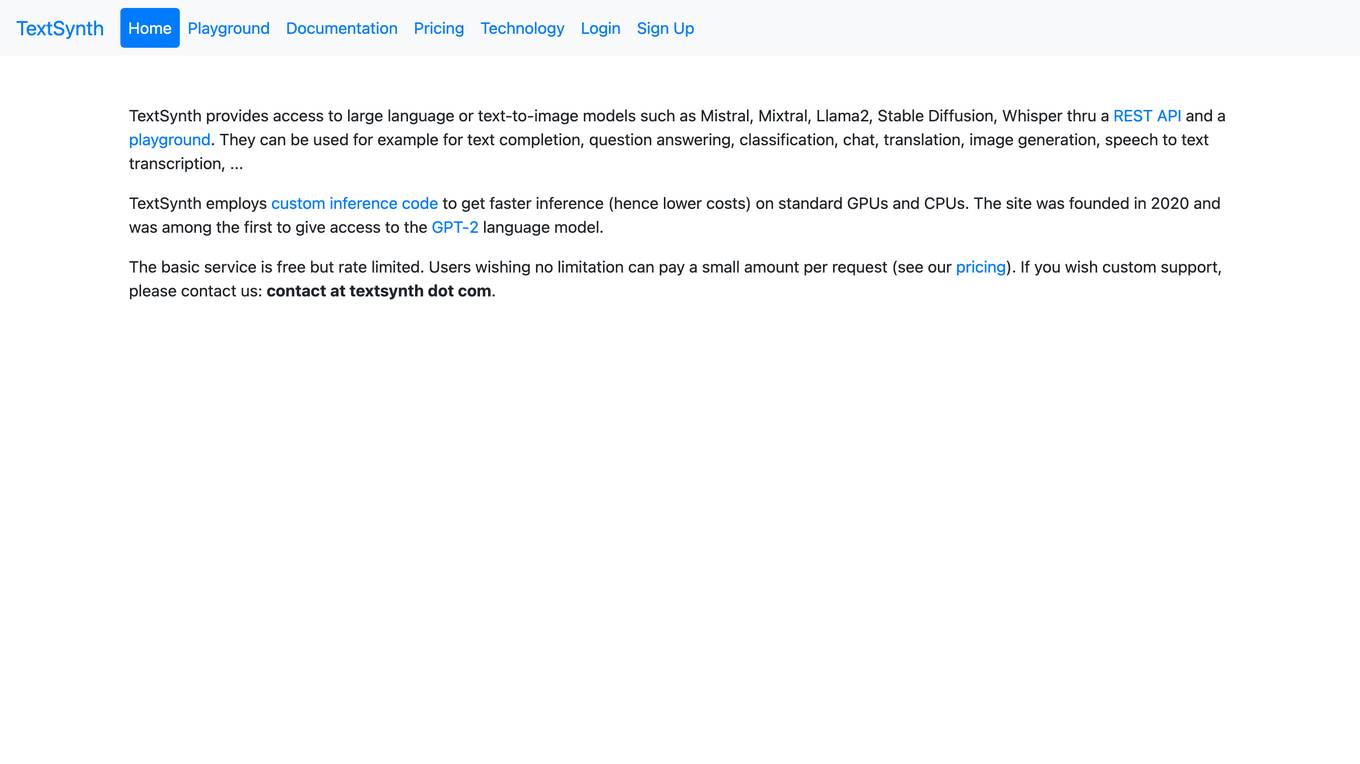
TextSynth
TextSynth is an AI tool that provides access to large language models such as Mistral, Llama, Stable Diffusion, Whisper for text-to-image, text-to-speech, and speech-to-text capabilities via a REST API and a playground. It employs custom inference code for faster inference on standard GPUs and CPUs. Founded in 2020, TextSynth was among the first to offer access to the GPT-2 language model. The service is free with rate limitations, but users can opt for unlimited access by paying a small fee per request. All servers are located in France.

Clipdrop
Clipdrop is an AI-powered tool that allows users to create stunning visuals in seconds. It offers a variety of features such as background removal, object removal, image upscaling, text generation, and more. Users can easily enhance their images and graphics with the help of advanced AI algorithms. Clipdrop also provides an API for developers to integrate AI capabilities into their own applications.

ImageBind
ImageBind by Meta AI is a groundbreaking AI tool that revolutionizes the field of computer vision by introducing a new way to 'link' AI across multiple senses. It is the first AI model capable of binding data from six different modalities simultaneously, including images, video, audio, text, depth, thermal, and inertial measurement units (IMUs). By recognizing relationships between these modalities, ImageBind enables machines to analyze various forms of information together, advancing AI capabilities significantly.

Replicate
Replicate is an AI tool that allows users to run and fine-tune models, deploy custom models at scale, and generate various types of content such as images, videos, music, and text with just one line of code. It provides access to a wide range of high-quality models contributed by the community, enabling users to explore, fine-tune, and deploy AI models efficiently. Replicate aims to make AI accessible and practical for real-world applications beyond academic research and demos.
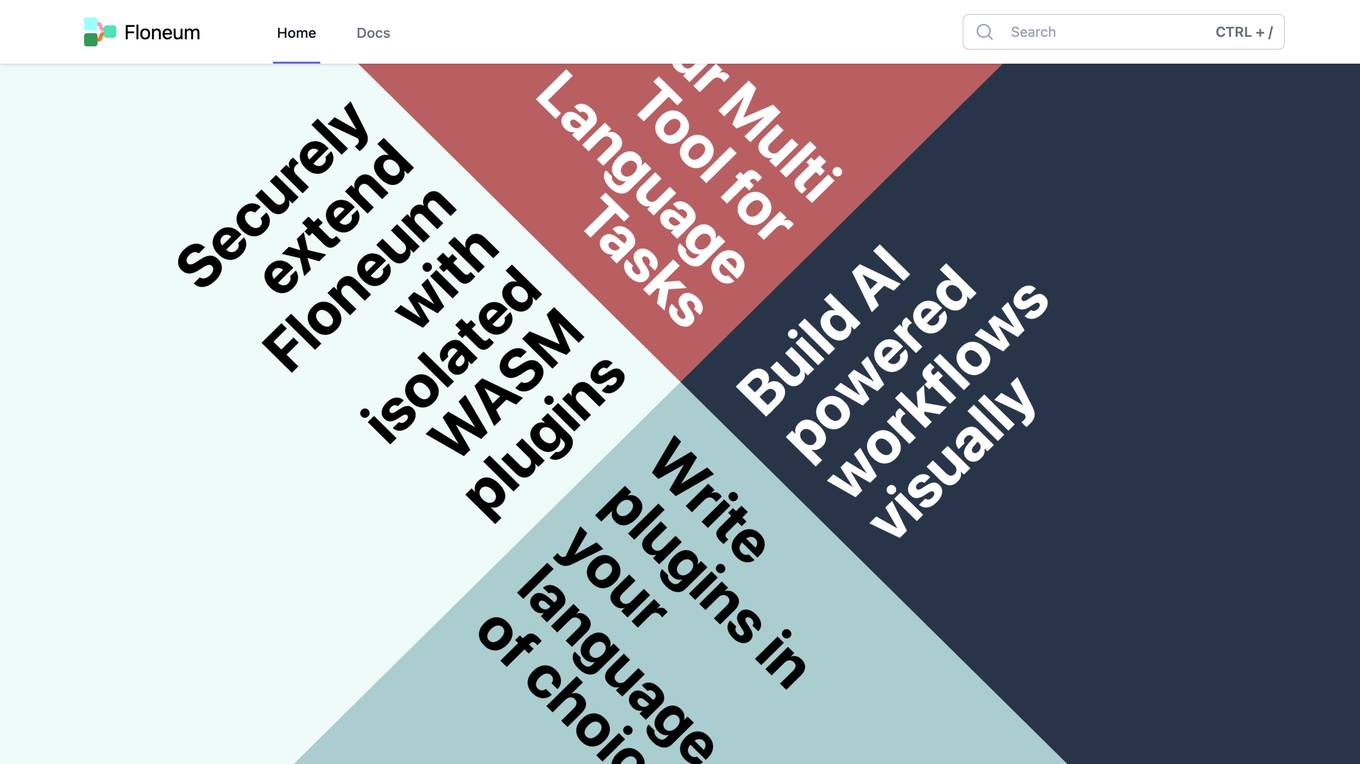
Floneum
Floneum is a versatile AI-powered tool designed for language tasks. It offers a user-friendly interface to build workflows using large language models. With Floneum, users can securely extend functionality by writing plugins in various languages compiled to WebAssembly. The tool provides a sandboxed environment for plugins, ensuring limited resource access. With 41 built-in plugins, Floneum simplifies tasks such as text generation, search engine operations, file handling, Python execution, browser automation, and data manipulation.
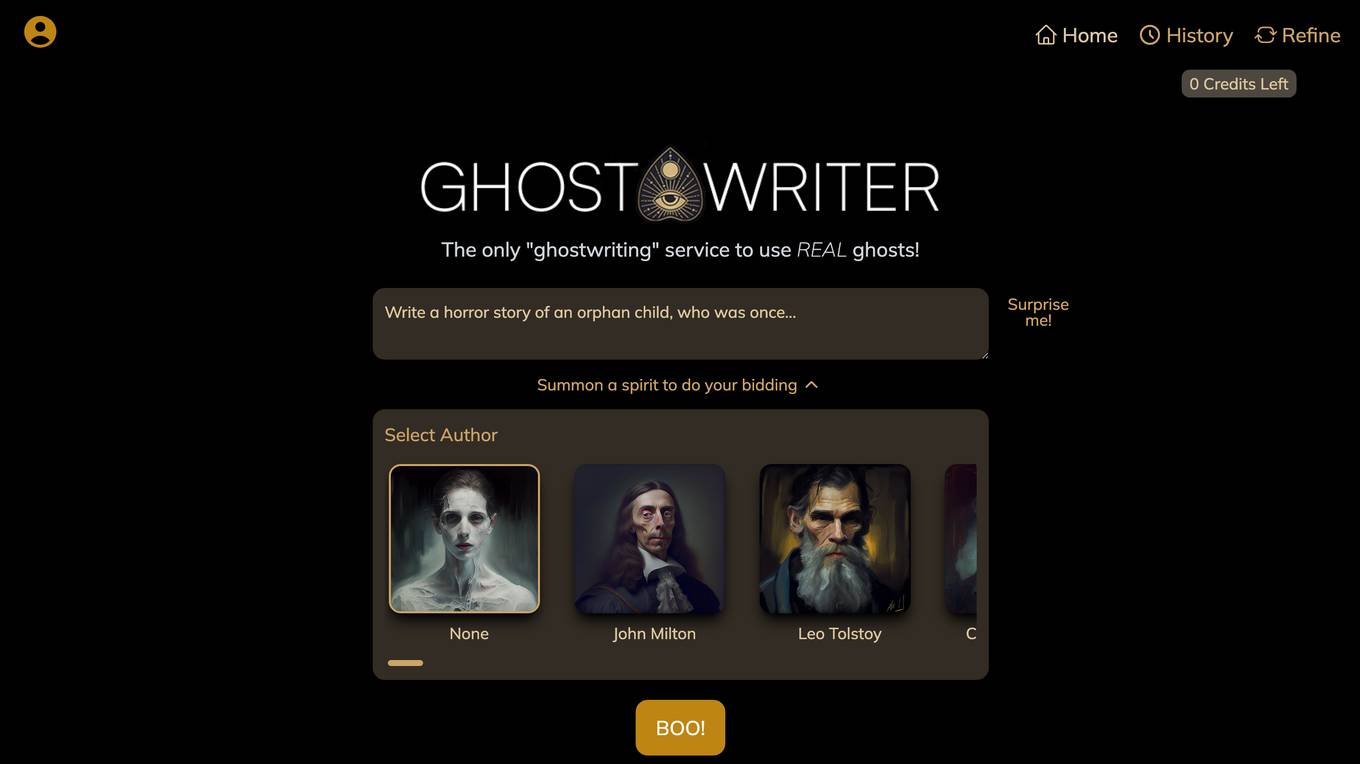
Word Wraith
The website 'Word Wraith' offers a unique 'ghostwriting' service that claims to use REAL ghosts to write content. Users can select from a wide range of famous authors or literary figures to 'summon' a spirit to do their writing bidding. The platform allows users to sit back and watch as the ghost does all the work, promising a spooky and mysterious experience. With features like selecting authors, surprise me option, and a dark magic theme, Word Wraith aims to provide a one-of-a-kind ghostwriting service.
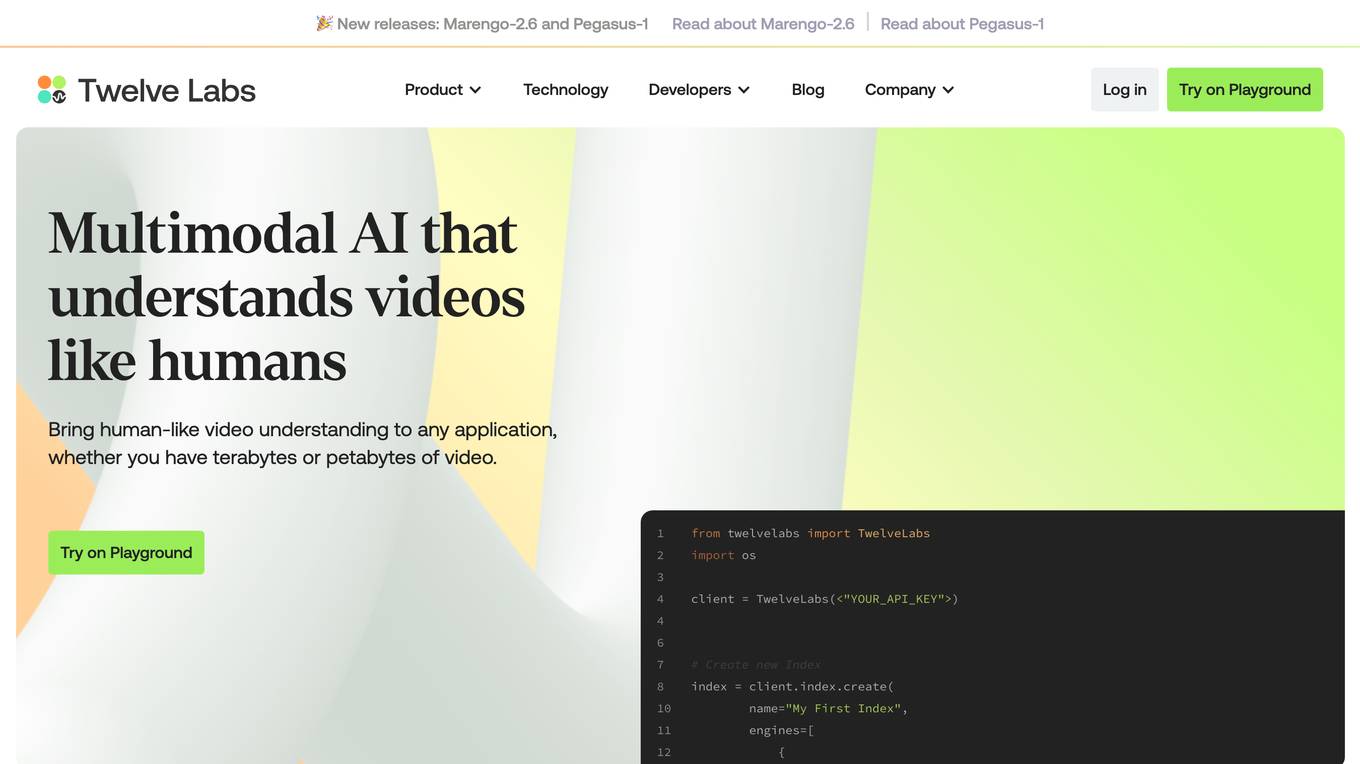
Twelve Labs
Twelve Labs is a cutting-edge AI tool that specializes in multimodal video understanding, allowing users to bring human-like video comprehension to any application. The tool enables users to search, generate, and embed video content with state-of-the-art accuracy and scalability. With the ability to handle vast video libraries and provide rich video embeddings, Twelve Labs is a game-changer in the field of video analysis and content creation.
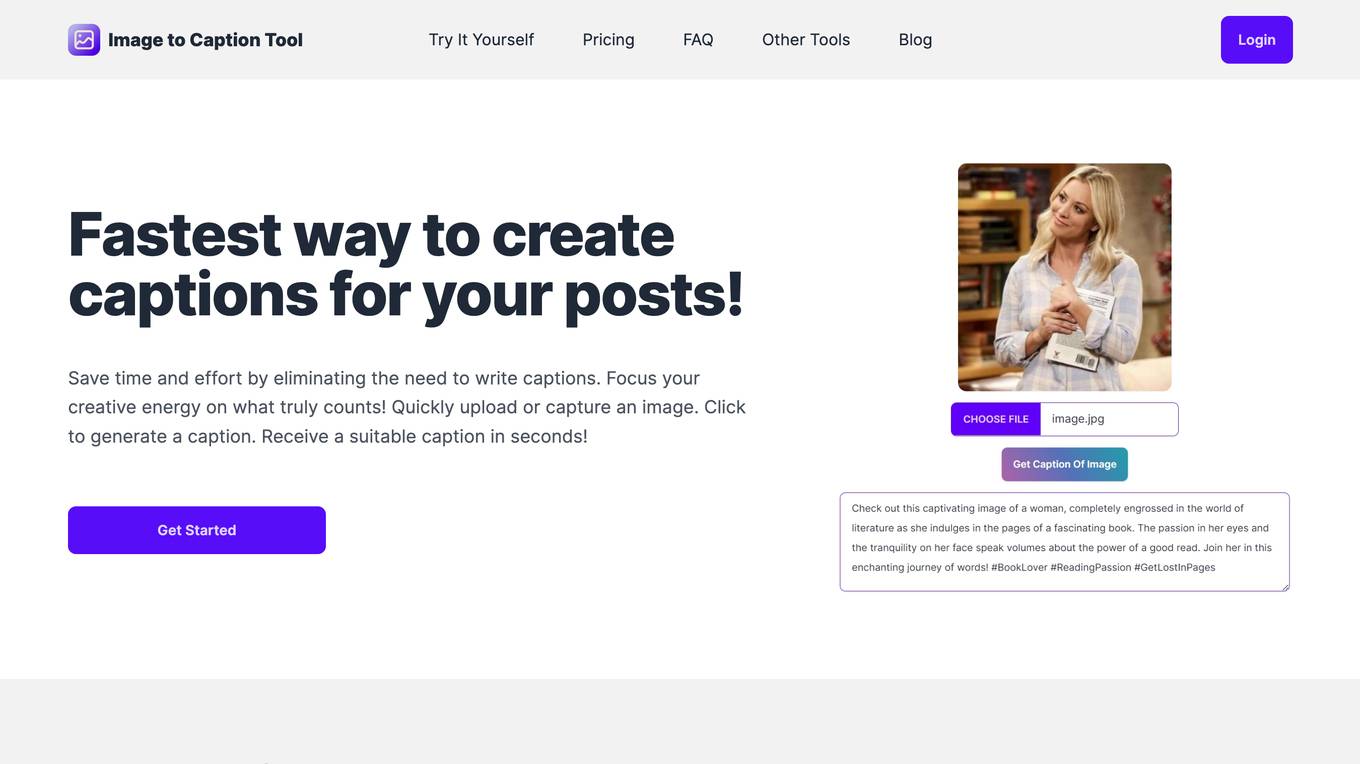
Image to Caption Tool
Image to Caption Tool is an AI application that provides a fast and efficient way to generate captions for images. Users can easily upload or capture an image and receive a suitable caption in seconds, saving time and effort. The tool offers different pricing plans to cater to various user needs and provides 24/7 email support. Currently supporting only English, the tool aims to enhance user experience by continuously adding more languages. With a user-friendly interface, Image to Caption Tool is designed to streamline the caption generation process for social media posts and other content.
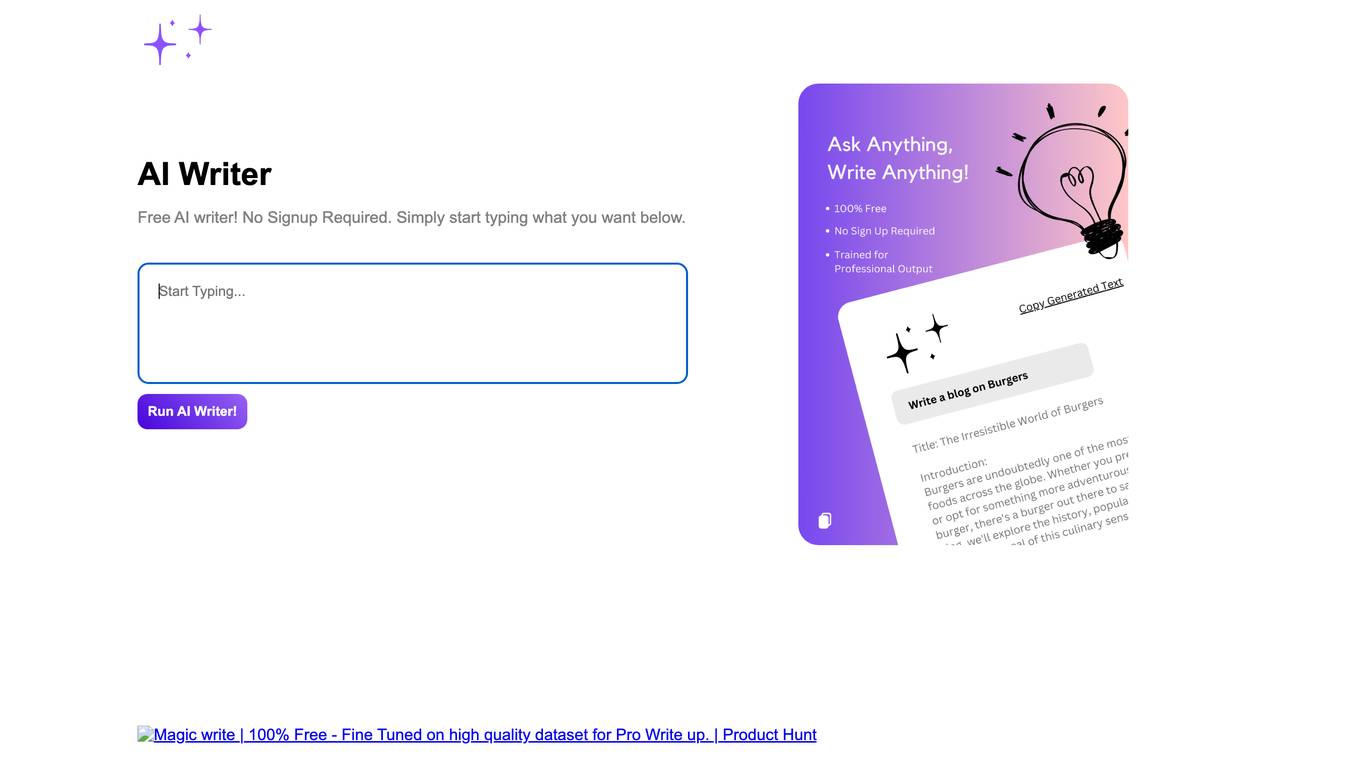
AI Writer
AI Writer is a free AI text generator tool that allows users to generate text content without the need for signing up. Users can simply start typing their desired text and let the AI Writer generate content for them. The tool is designed to assist users in creating text-based content quickly and efficiently.
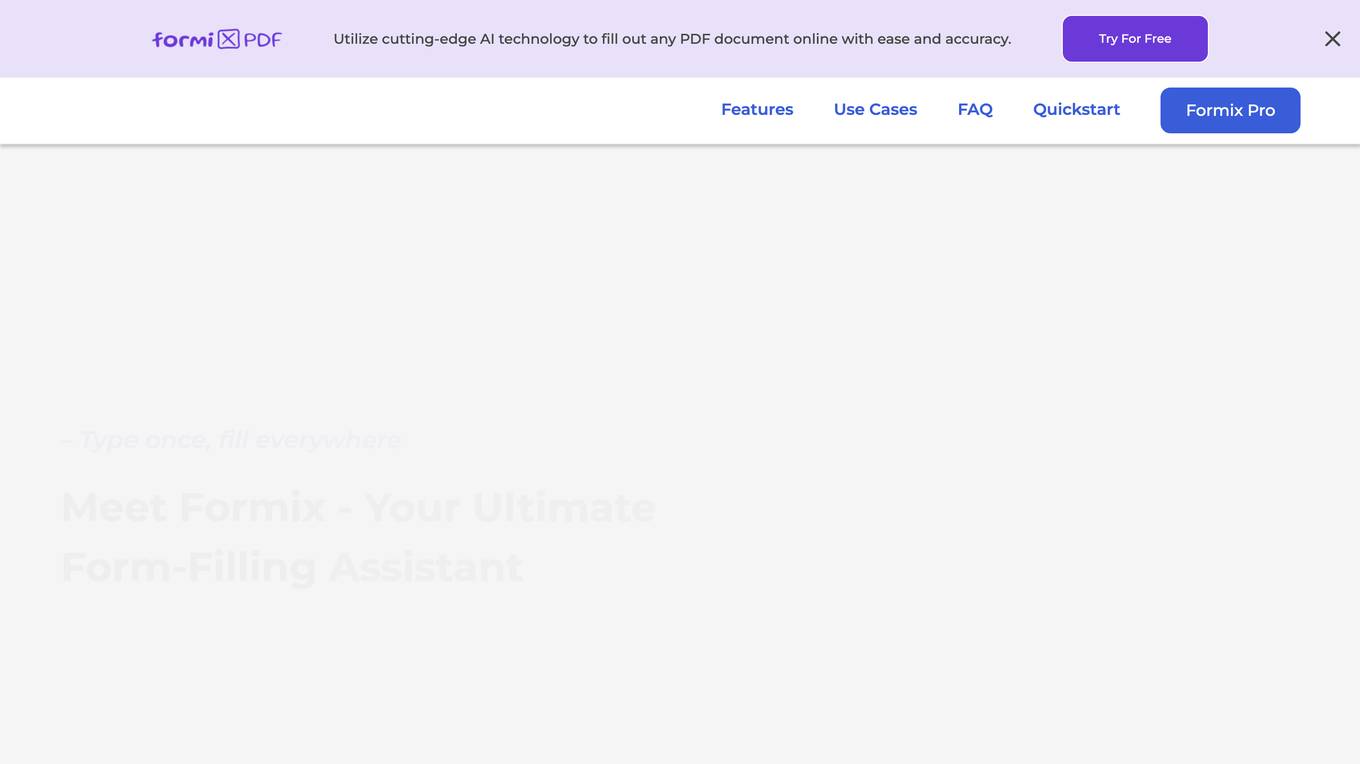
Formix
Formix is an AI-powered form-filling assistant that utilizes cutting-edge AI technology to fill out any PDF document or online form with ease and accuracy. It offers intelligent autofill features, data privacy, and universal compatibility with all types of online forms. Formix is ideal for job applications, e-commerce checkout optimization, and classified ad submissions, ensuring efficient and accurate form completion across various platforms.
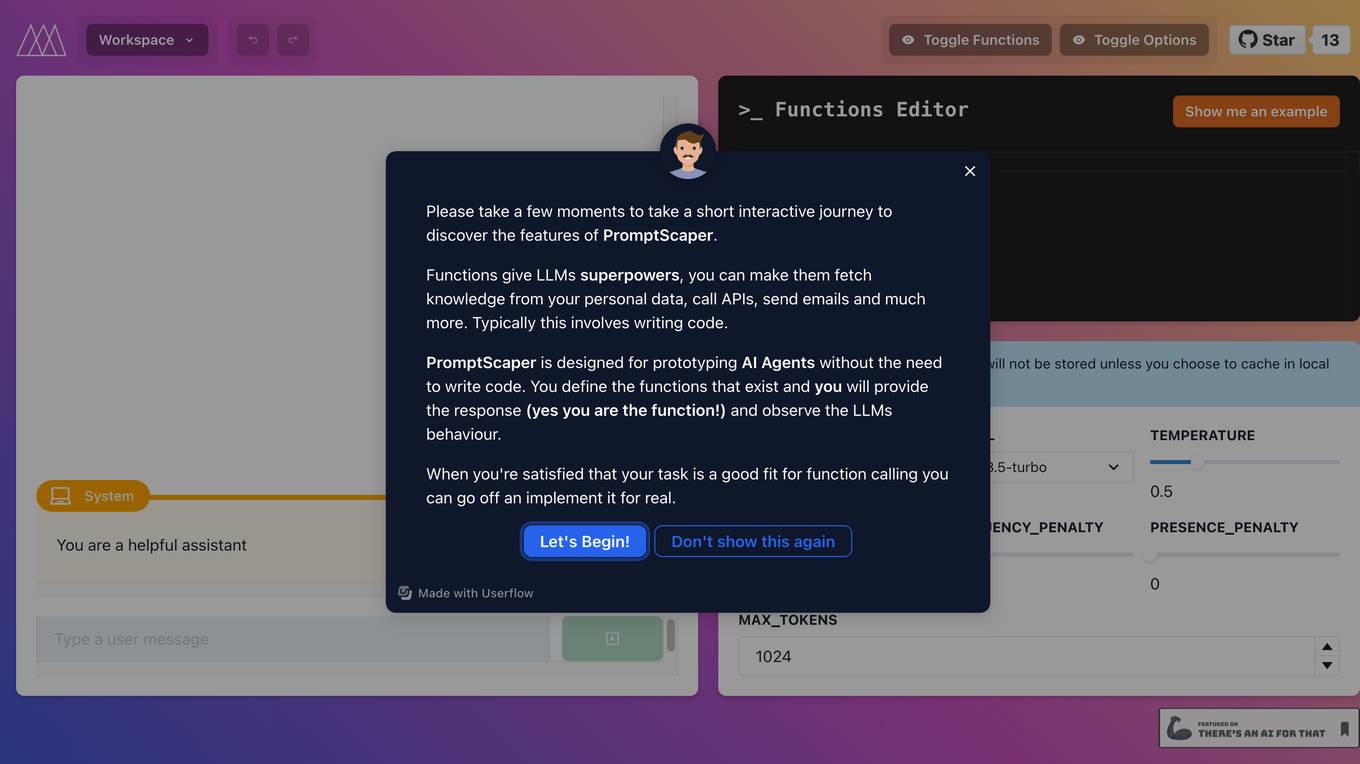
PromptScaper Workspace
PromptScaper Workspace is an AI tool designed to assist users in generating text using OpenAI's powerful language models. The tool provides a user-friendly interface for interacting with OpenAI's API to generate text based on specified parameters. Users can input prompts and customize various settings to fine-tune the generated text output. PromptScaper Workspace streamlines the process of leveraging advanced AI language models for text generation tasks, making it easier for users to create content efficiently.
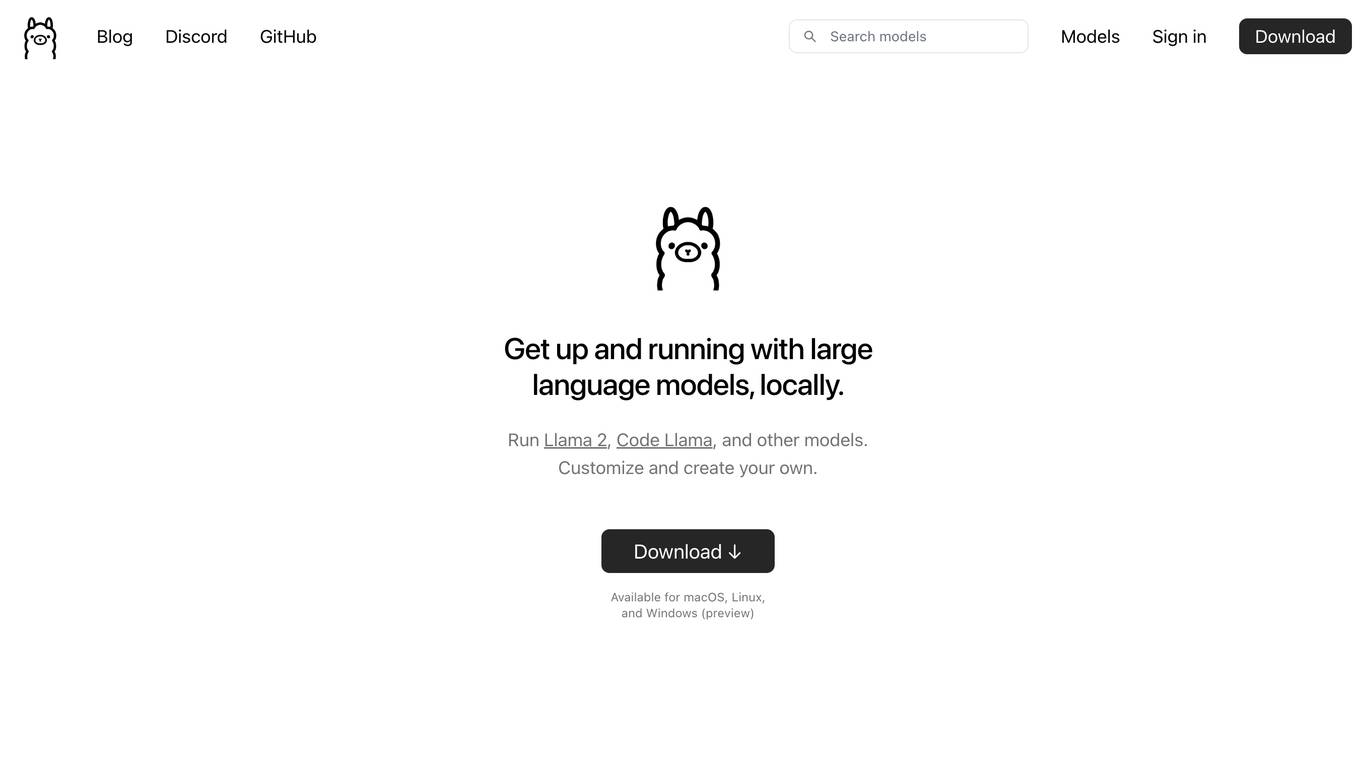
Ollama
Ollama is an AI tool that allows users to access and utilize large language models such as Llama 3, Phi 3, Mistral, Gemma 2, and more. Users can customize and create their own models. The tool is available for macOS, Linux, and Windows platforms, offering a preview version for users to explore and utilize these models for various applications.
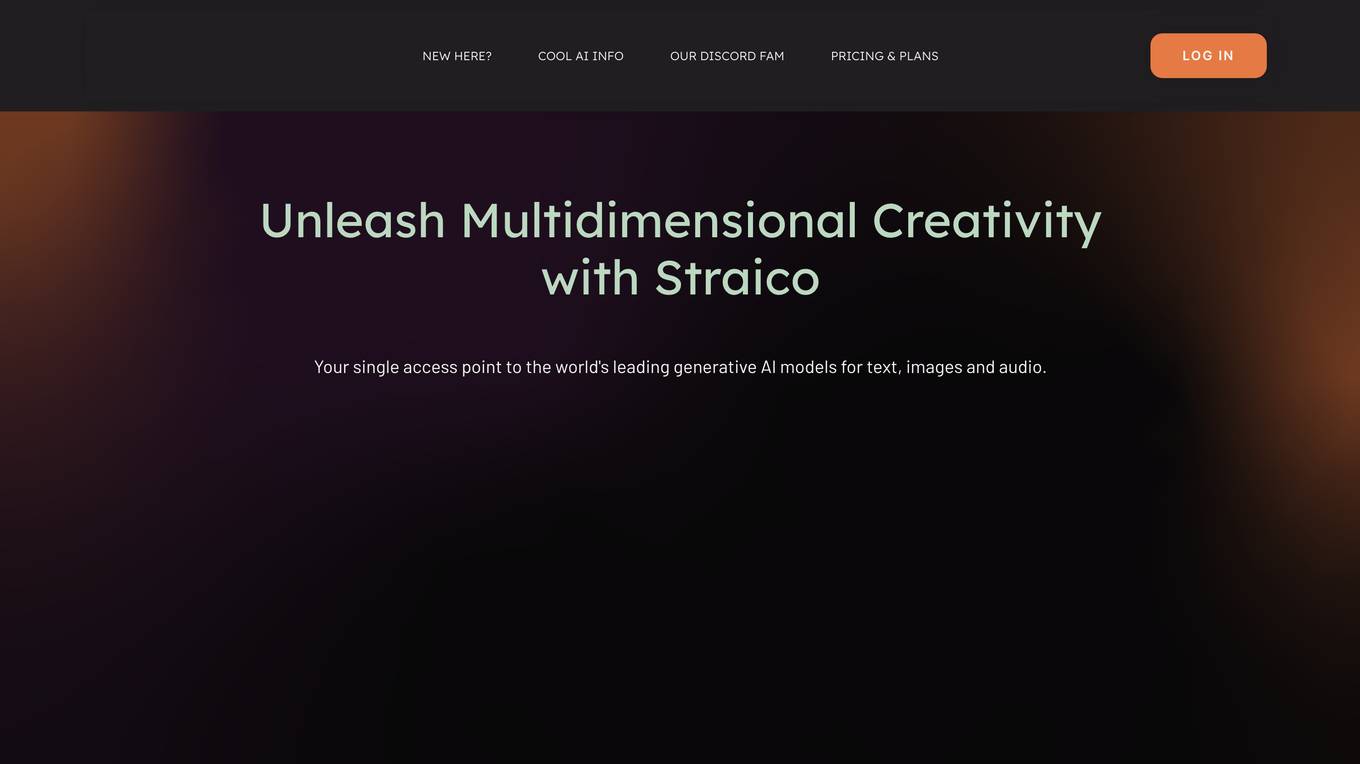
Straico
Straico is an AI-powered productivity suite that offers access to leading generative AI models for text, images, and audio. It provides a platform for users to unleash multidimensional creativity, find tailored AI models for their tasks, and maximize productivity with an AI personal assistant. The application aims to streamline the creative process by offering prompt templates, media intelligence, collab sharing, and in-app guides. Straico caters to a wide range of users, from small businesses and marketers to AI enthusiasts, providing a diverse set of tools for content generation and analysis.
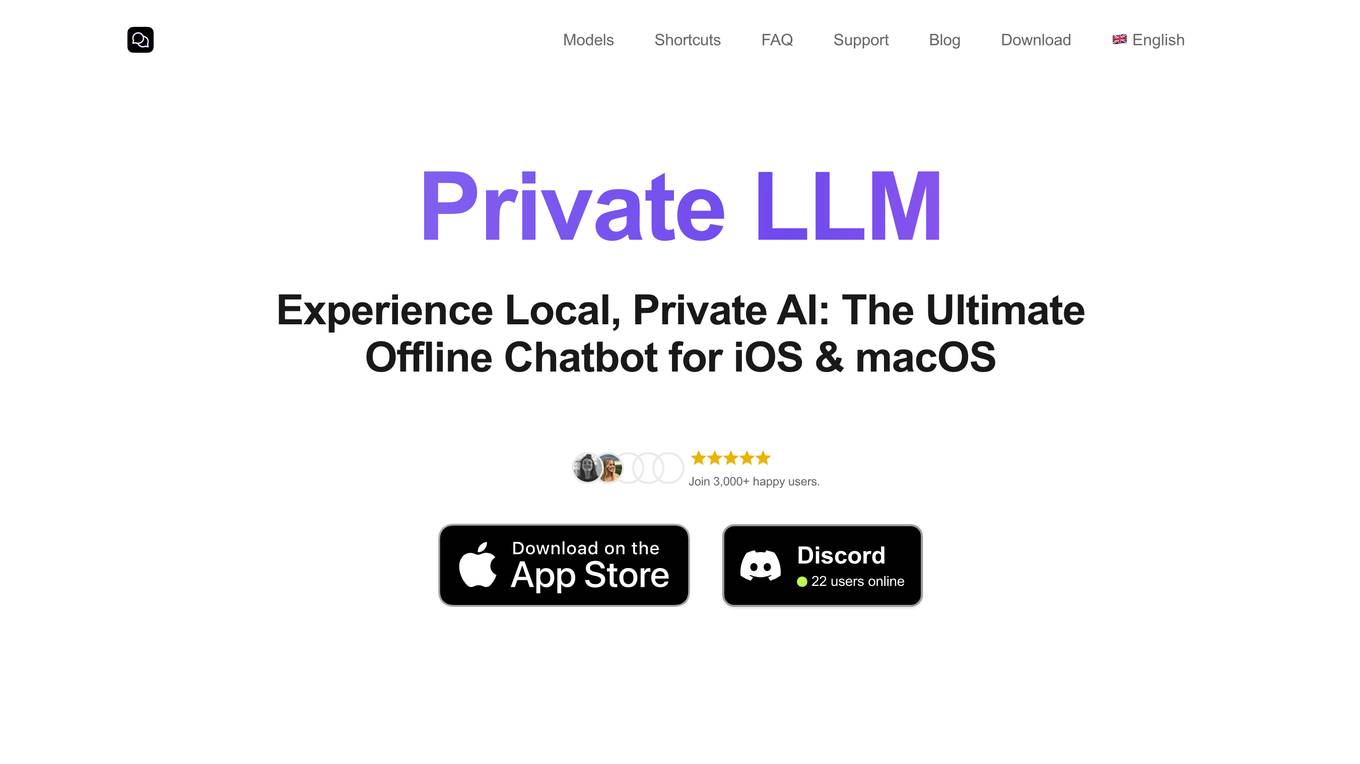
Private LLM
Private LLM is a secure, local, and private AI chatbot designed for iOS and macOS devices. It operates offline, ensuring that user data remains on the device, providing a safe and private experience. The application offers a range of features for text generation and language assistance, utilizing state-of-the-art quantization techniques to deliver high-quality on-device AI experiences without compromising privacy. Users can access a variety of open-source LLM models, integrate AI into Siri and Shortcuts, and benefit from AI language services across macOS apps. Private LLM stands out for its superior model performance and commitment to user privacy, making it a smart and secure tool for creative and productive tasks.
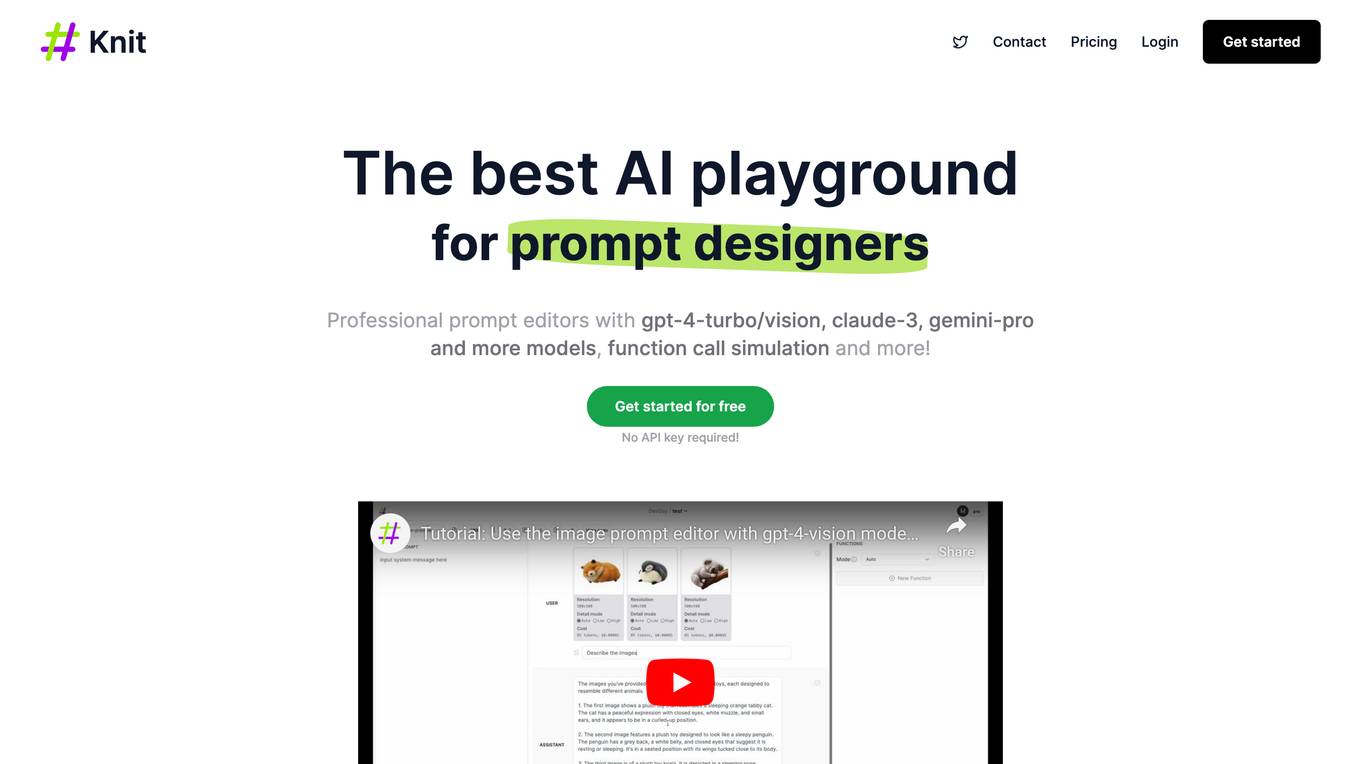
Knit
Knit is an AI playground for prompt designers. It provides professional prompt editors with various models, including GPT-4-turbo/vision, Claude-3, Gemini-pro, and more. Users can store, edit, and run their prompts in Knit. It also offers project management features, allowing users to organize prompts with projects, set up projects for different use cases, and collaborate with team members. Knit supports different kinds of models, including OpenAI, Claude, Azure OpenAI, and plans to support more in the future. It allows users to control API parameters, export code instantly, and provides security features such as encryption and version control.
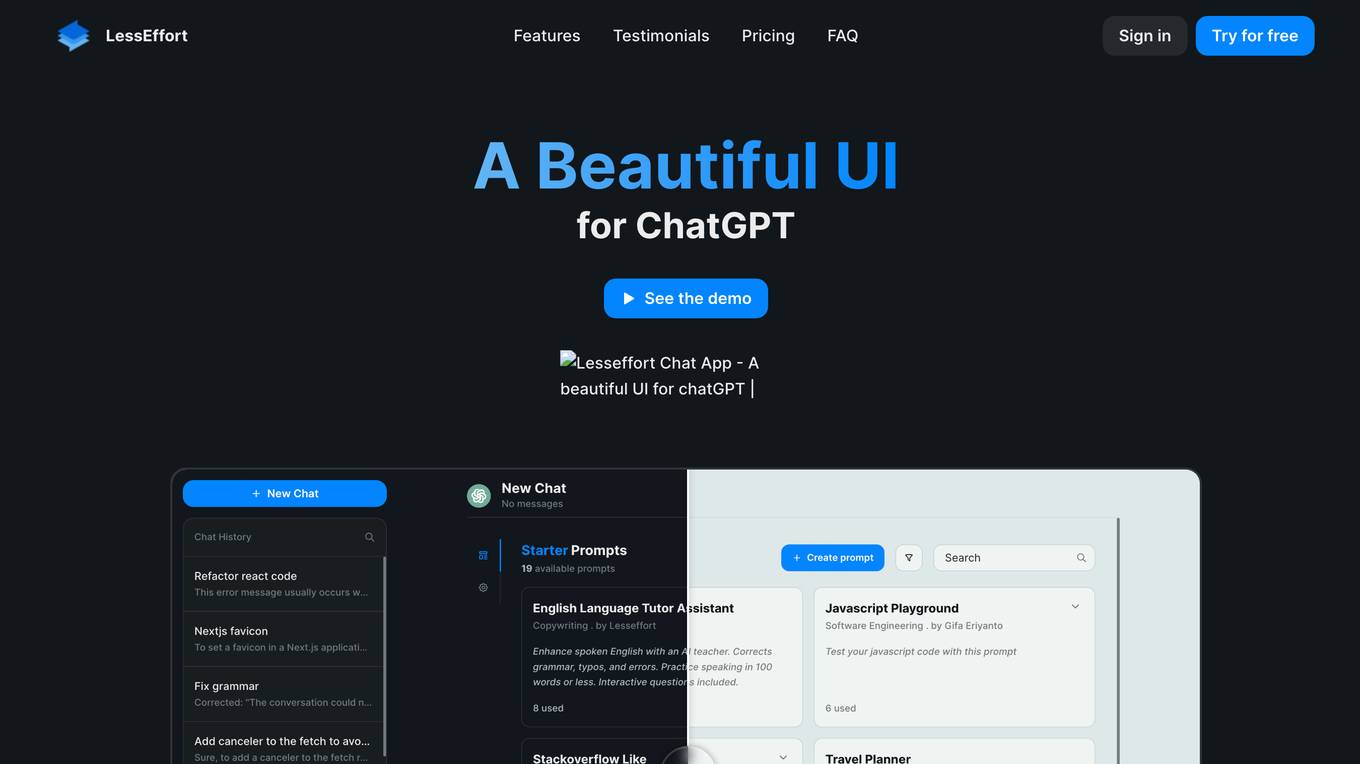
Lesseffort
Lesseffort is a web-based application that provides a user-friendly interface for interacting with ChatGPT. It offers various features to enhance the user experience, including customization options, pre-constructed prompts, and the ability to save and share conversations. Lesseffort is designed to make it easier for users to access and utilize the capabilities of ChatGPT for a variety of tasks, such as generating text, answering questions, and engaging in conversations.
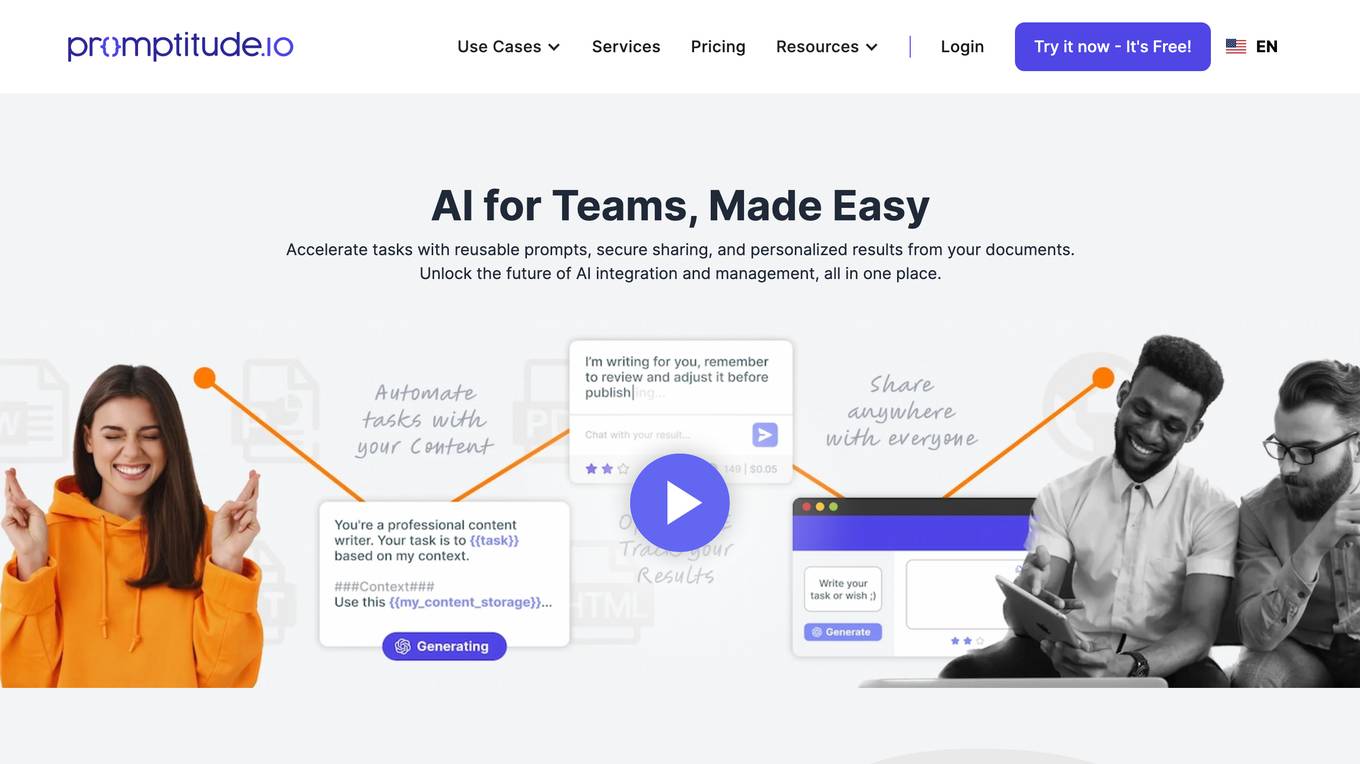
Promptitude.io
Promptitude.io is a platform that allows users to integrate GPT into their apps and workflows. It provides a variety of features to help users manage their prompts, personalize their AI responses, and publish their prompts for use by others. Promptitude.io also offers a library of pre-built prompts that users can use to get started quickly.
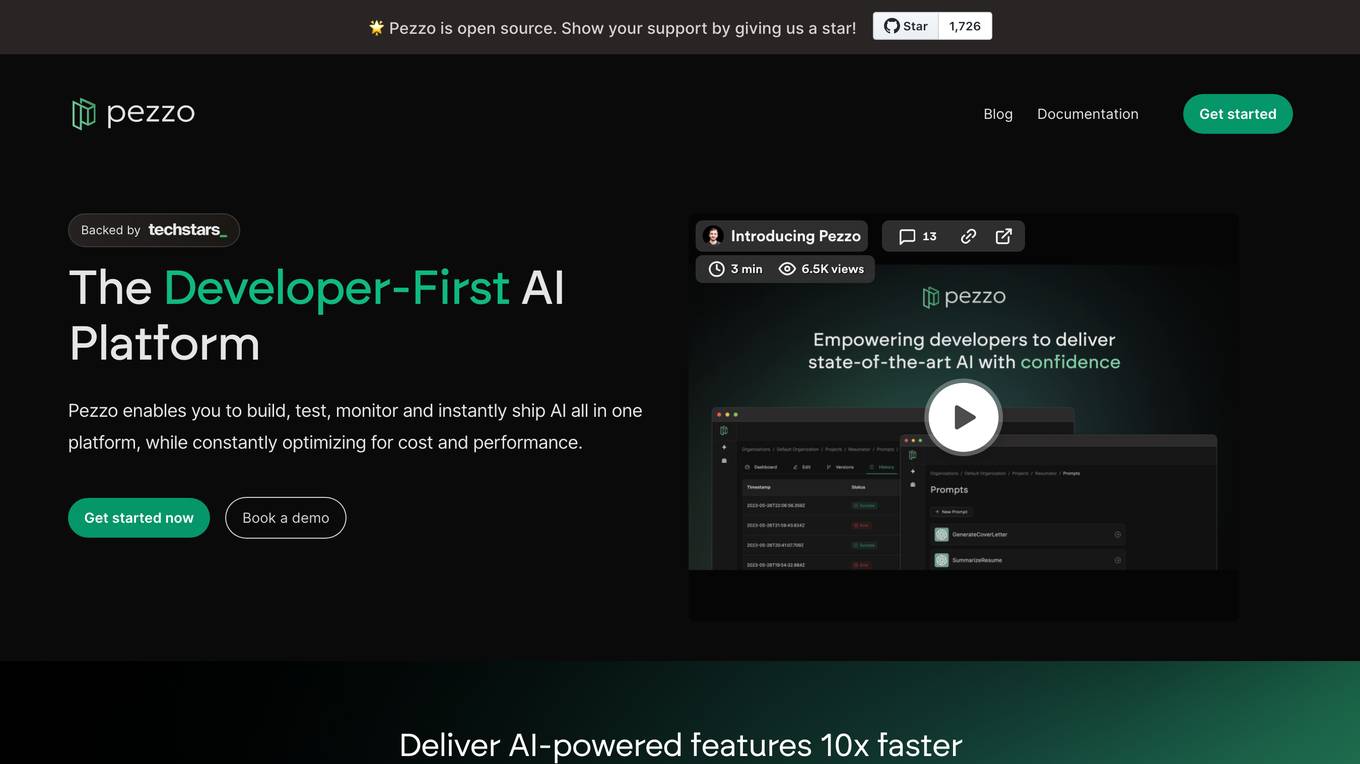
Pezzo
Pezzo is an open-source platform that enables developers to build, test, monitor, and ship AI features quickly and efficiently. It provides a range of powerful features to streamline the workflow, including prompt management, observability, troubleshooting, and collaboration tools. With Pezzo, teams can deliver impactful AI features in sync and optimize for cost and performance.
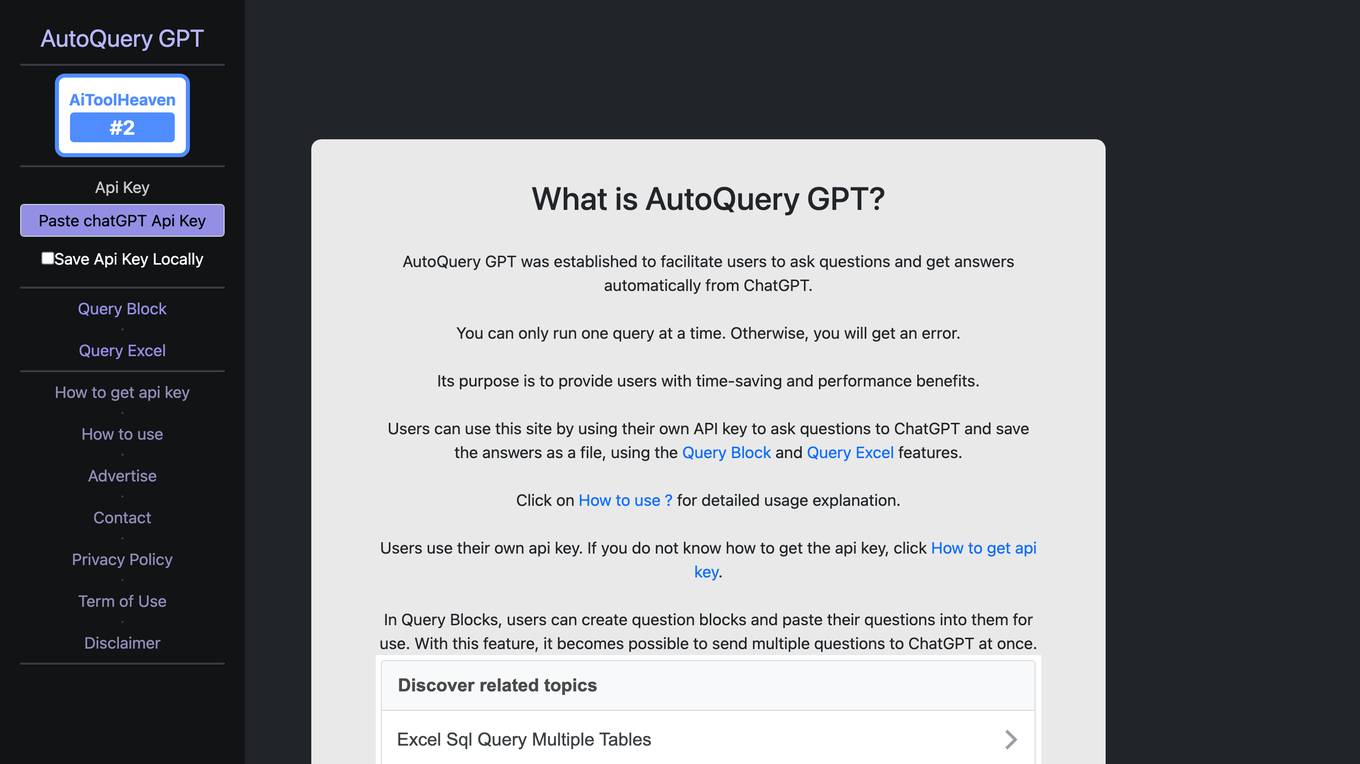
AutoQuery GPT
AutoQuery GPT is a tool that allows users to ask questions to ChatGPT and get answers automatically. It provides users with time-saving and performance benefits. Users can use this site by using their own API key to ask questions to ChatGPT and save the answers as a file, using the Query Block and Query Excel features.
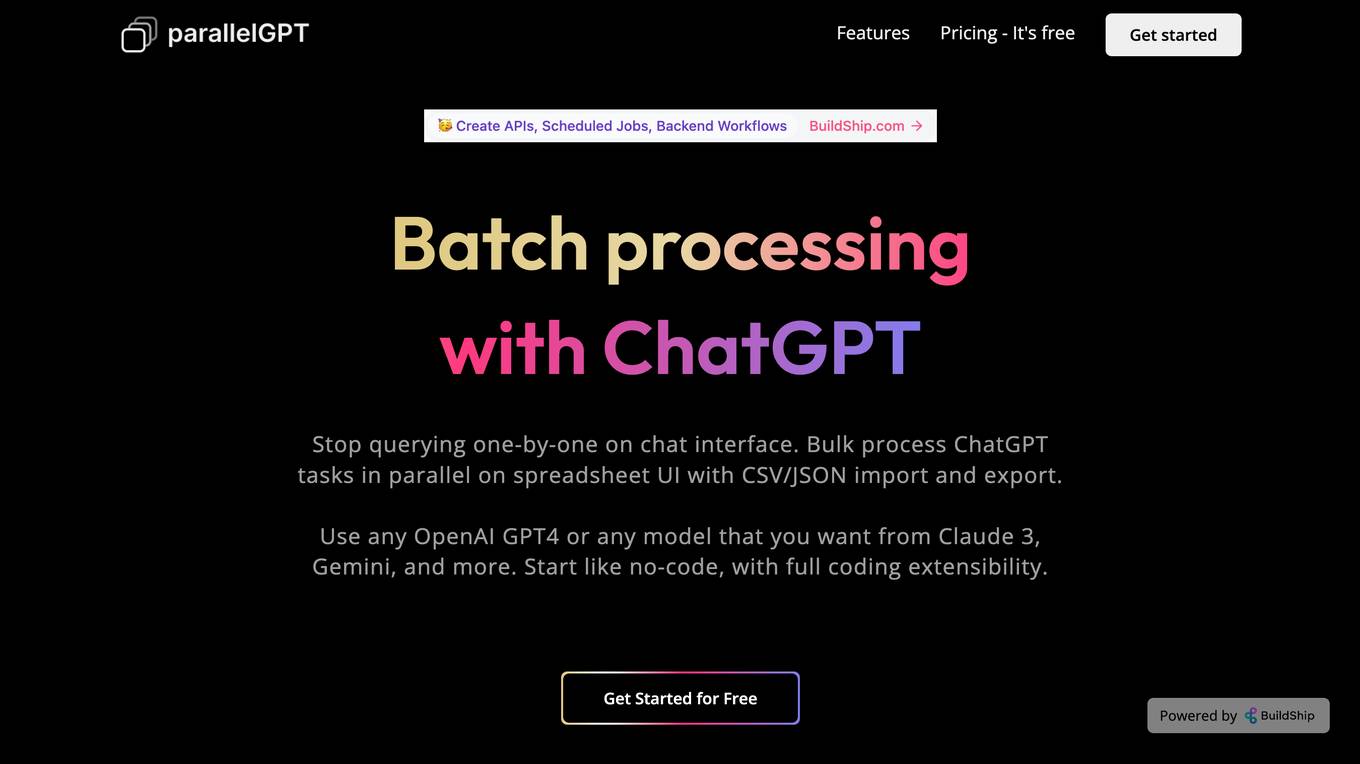
BuildShip
BuildShip is a batch processing tool for ChatGPT that allows users to process ChatGPT tasks in parallel on a spreadsheet UI with CSV/JSON import and export. It supports various OpenAI models, including GPT4, Claude 3, and Gemini. Users can start with readymade templates and customize them with their own logic and models. The data generated is stored securely on the user's own Google Cloud project, and team collaboration is supported with granular access control.
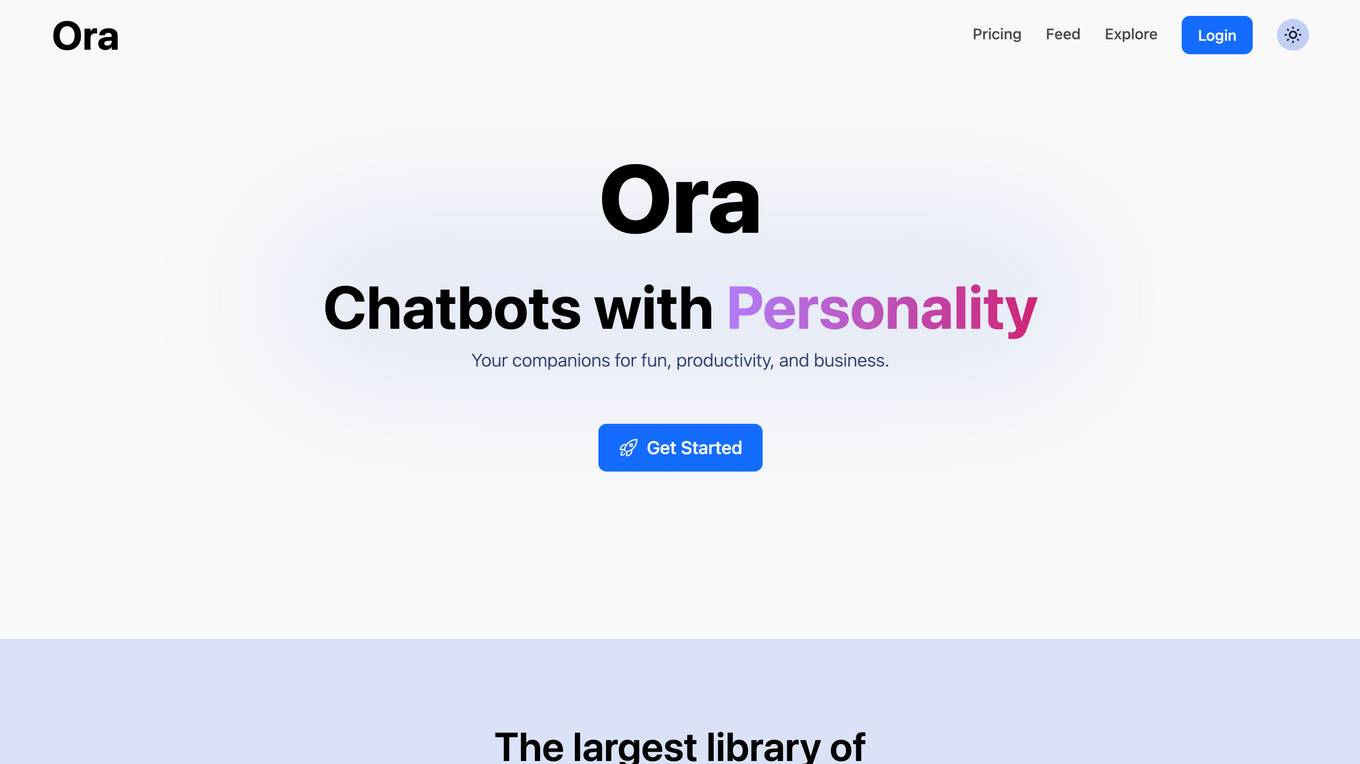
Ora
Ora is a platform that allows users to create, share, and integrate personalized AIs within seconds, without the need for coding. It offers a vast library of community-generated chatbots and provides powerful features for both hobbyists and professionals. Ora's mission is to make AI accessible and easy to use for everyone.
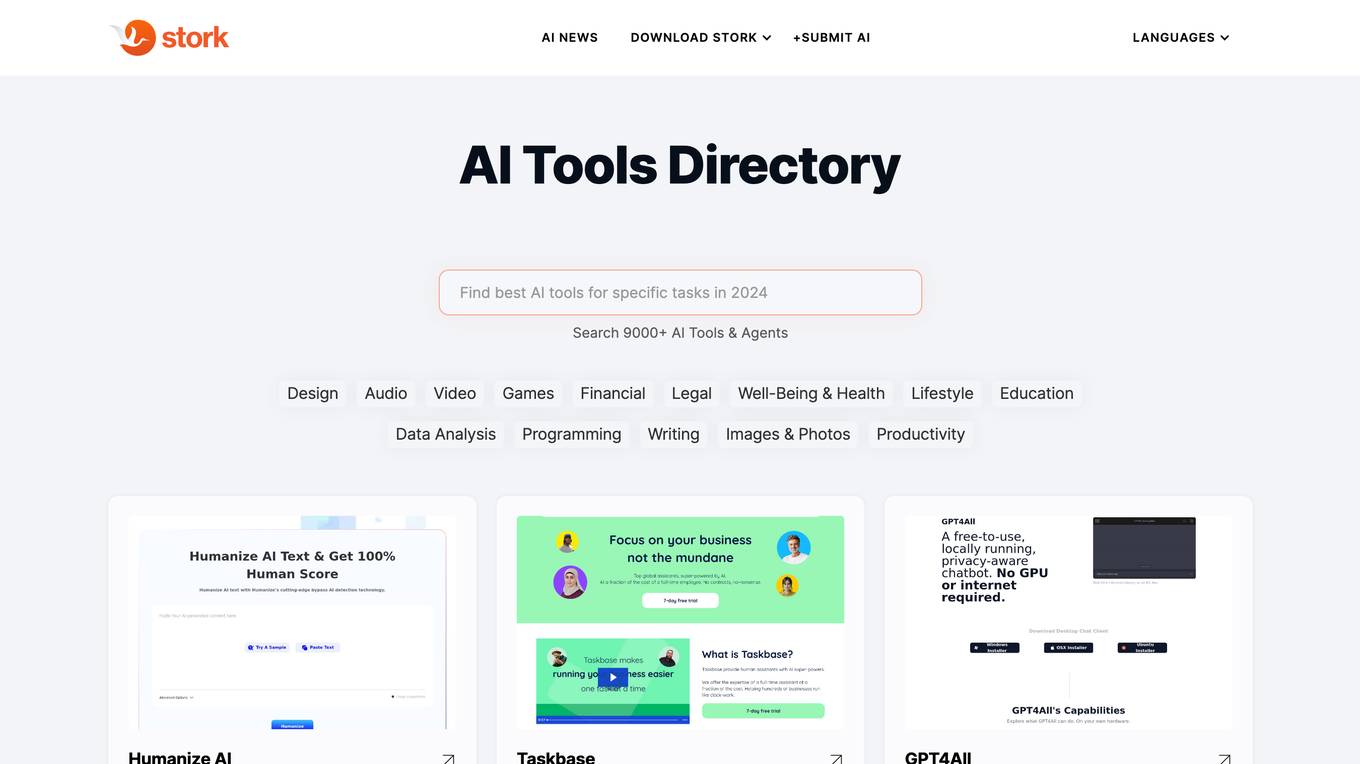
Stork
Stork is an AI App Directory & Marketplace that provides a comprehensive listing of over 9000 AI tools and agents. The platform allows users to search and discover AI tools based on their specific needs and preferences. Stork also offers a variety of resources and support to help users get the most out of AI technology.
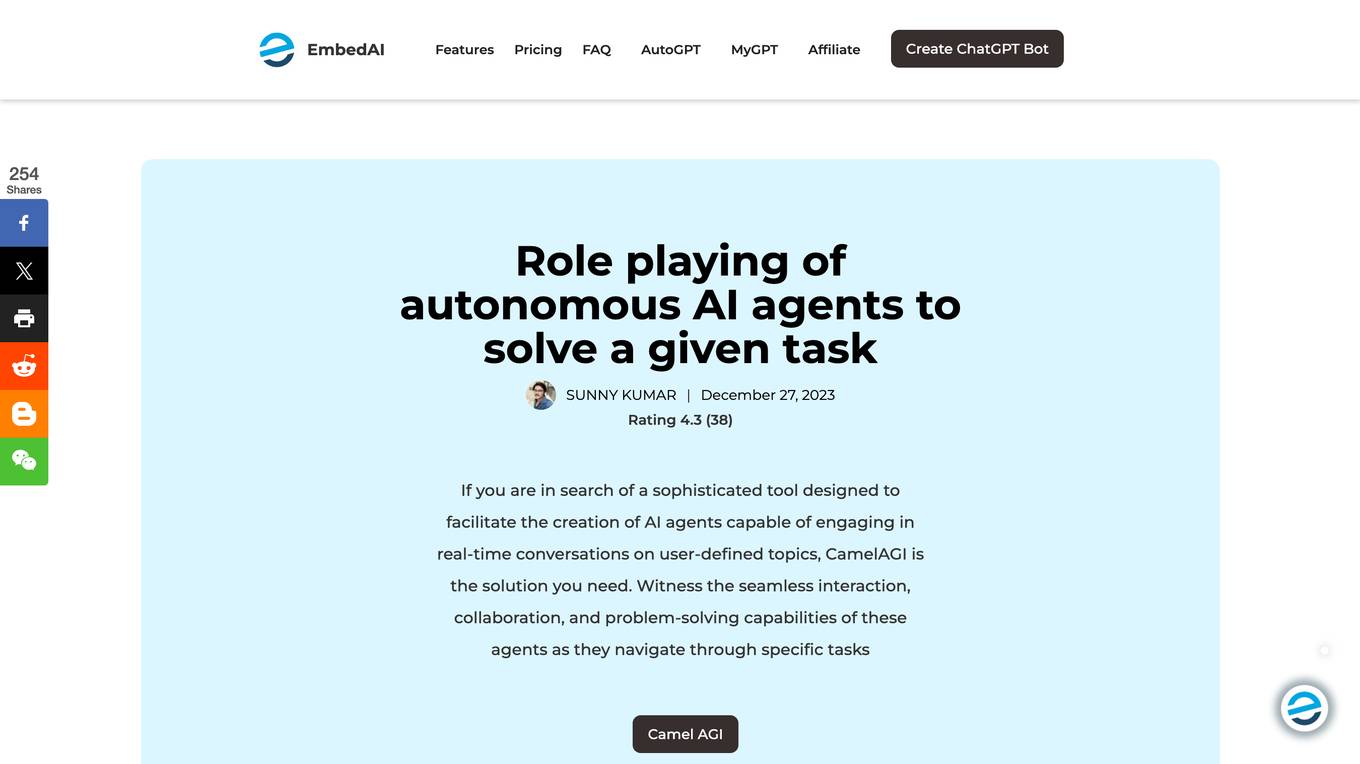
Camel AGI
Camel AGI is a groundbreaking platform that revolutionizes the way artificial intelligence is utilized to solve complex tasks by employing a unique role-playing method inspired by loop architecture, similar to that of BabyAGI and AutoGPT. At its core, CamelAGI facilitates the collaboration between two autonomous AI agents, each assigned specific roles, to work synergistically towards accomplishing a designated task. This innovative approach allows users to observe as the agents, equipped with distinct capabilities and perspectives, engage in a dynamic and context-aware dialogue, effectively mirroring the collaborative efforts seen in human interactions.
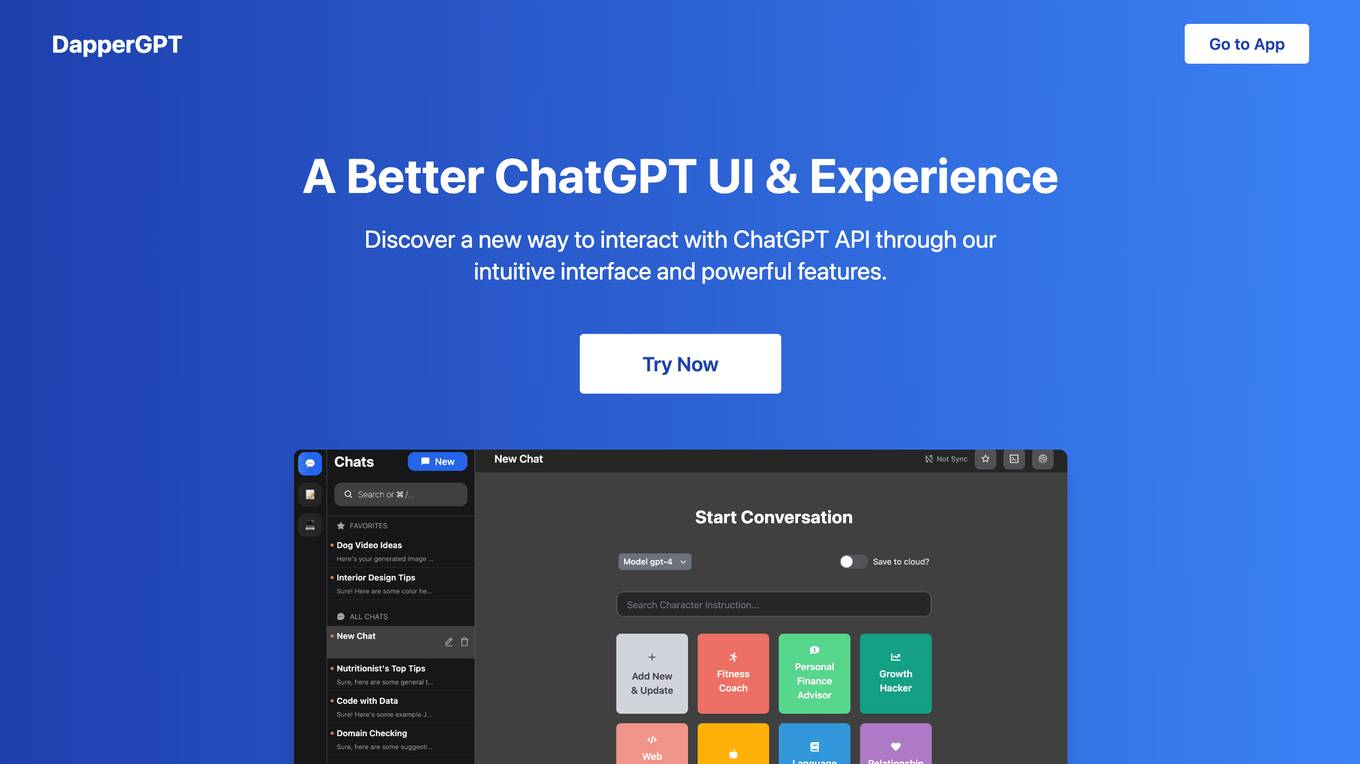
DapperGPT
DapperGPT is a user interface (UI) for ChatGPT that provides a better user experience and additional features. It offers an intuitive interface, AI-powered notes, a Chrome extension, smart search, the ability to pin favorites, image generation, character instruction prompts, and code generation. DapperGPT is free to use, but requires a valid OpenAI API key. Premium features are also available for purchase, which include additional customization options and cloud sync.
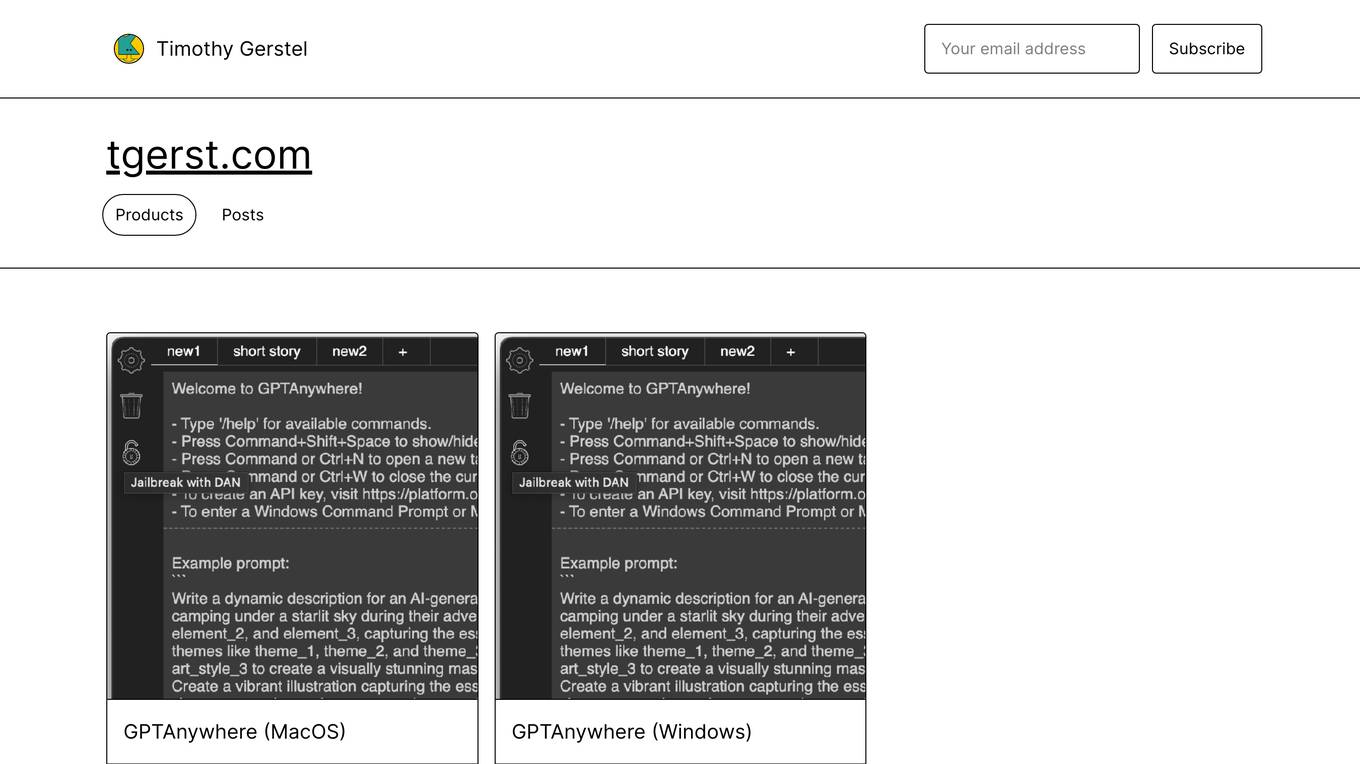
GPTAnywhere
GPTAnywhere is a powerful AI-powered tool that allows you to access the latest GPT models and use them to generate text, translate languages, write different kinds of creative content, debug code, and more. It is available as a desktop application for both macOS and Windows.

Unriddle
Unriddle is an AI-powered research and writing tool that helps users quickly find information in documents, simplify complex topics, take notes, and write with the power of AI. It generates an AI assistant on top of any document, allowing users to quickly find, summarize, and understand information. Unriddle also understands the meaning behind users' writing and automatically links them to relevant information they've read and written about in the past. Additionally, it offers a Chrome extension for summarizing articles with a single click and supports over 90 languages.

Anywhere GPT
Anywhere GPT is a web-based platform that allows users to access a large language model, similar to ChatGPT, without the need to install any software or create an account. The platform is designed to be simple and easy to use, with a focus on providing users with quick and accurate responses to their questions and requests.
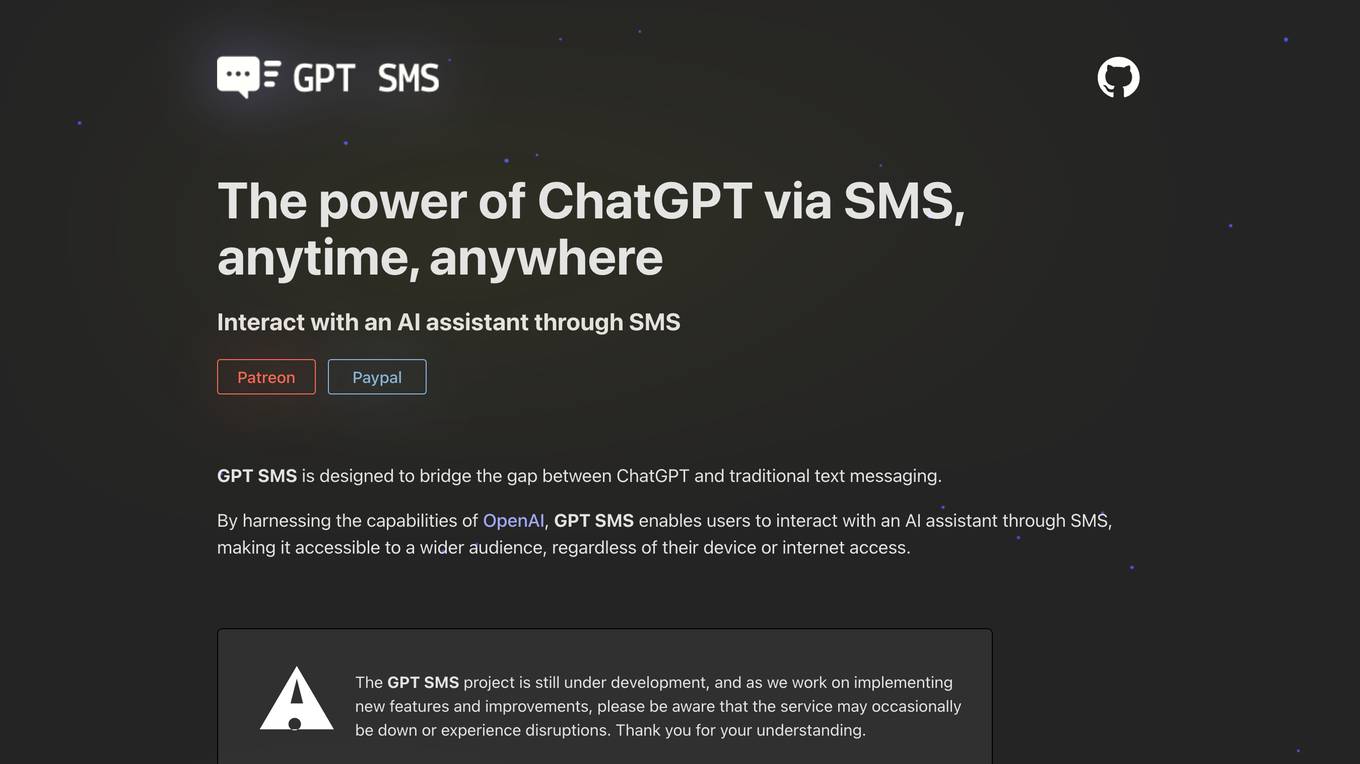
GPT SMS
GPT SMS is a service that allows users to interact with an AI assistant through SMS. It is designed to bridge the gap between ChatGPT and traditional text messaging, making it accessible to a wider audience, regardless of their device or internet access. The service is still under development, but it already offers a number of features, including the ability to ask questions, get answers, and generate text. GPT SMS is powered by OpenAI's ChatGPT technology.
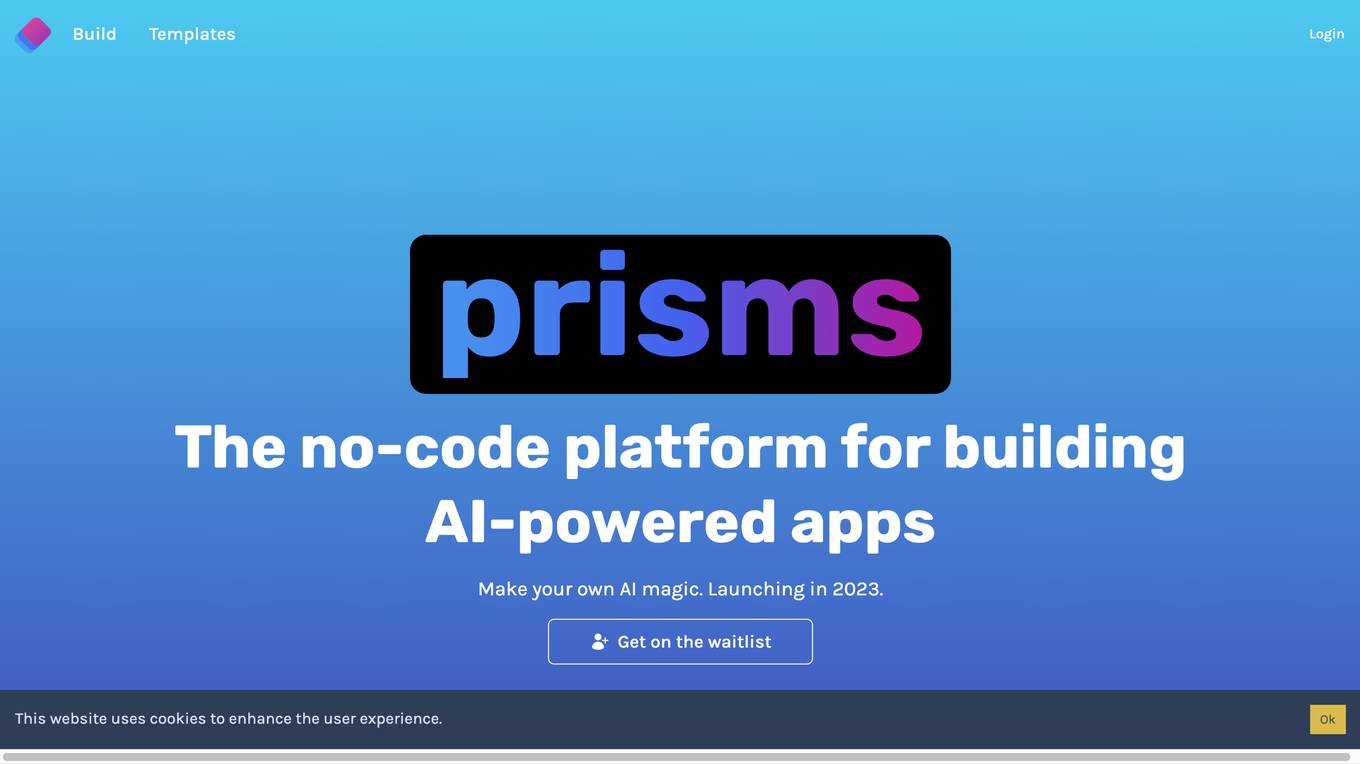
Prisms
Prisms is a no-code platform for building AI-powered apps. It allows users to harness the power of AI without having to write any code. Prisms is built on top of Large Language models including GPT3, DALL-E, and Stable Diffusion. Users can connect the pieces in Prisms to stack together data sources, user inputs, and off-the-shelf building blocks to create their own AI-powered apps. Prisms also makes it easy to deploy AI-powered apps directly from the platform with its pre-built UI. Alternatively, users can build their own frontend and use Prisms as a backend for their AI logic.
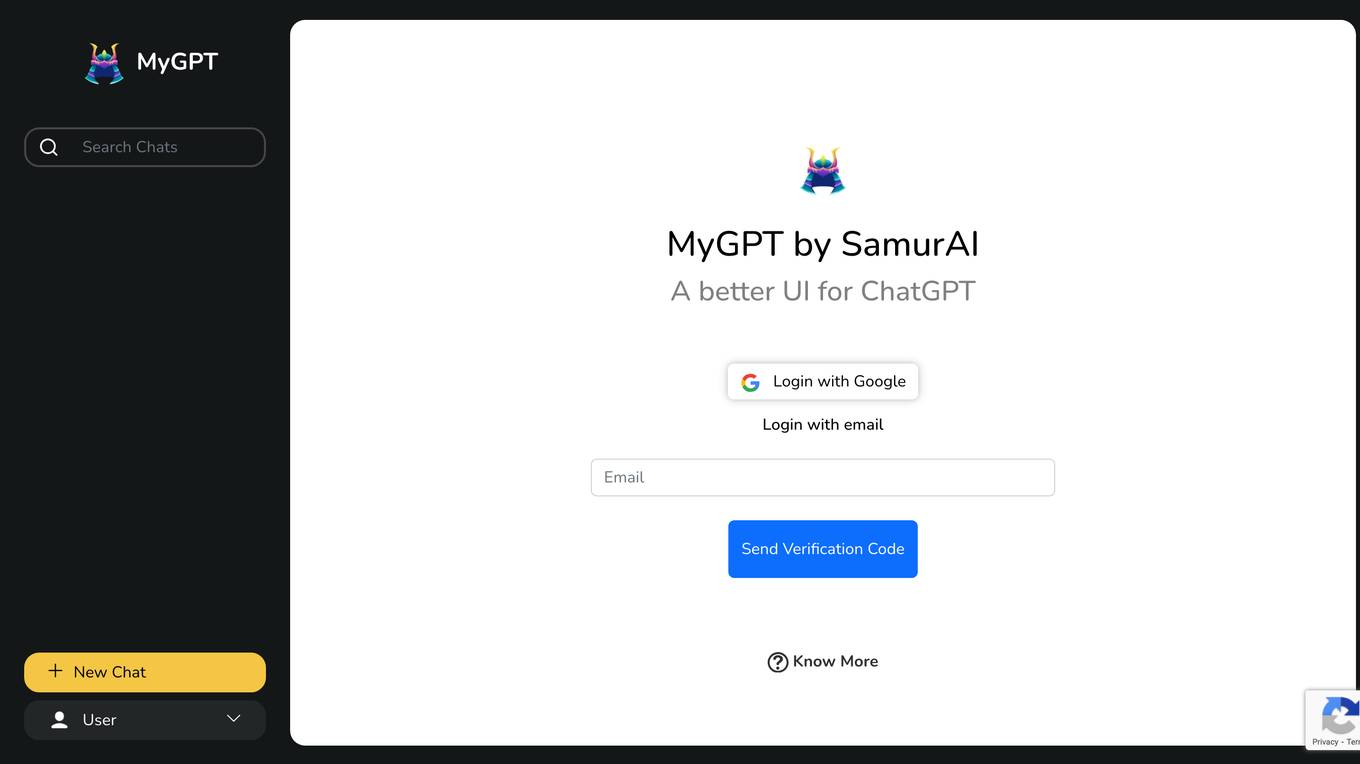
MyGPT
MyGPT is a free, open-source user interface (UI) for ChatGPT that provides a more user-friendly and feature-rich experience. It includes features such as a code editor, a chat history, and a variety of customization options. MyGPT is designed to make it easier to use ChatGPT for a variety of tasks, including writing code, generating text, and answering questions.
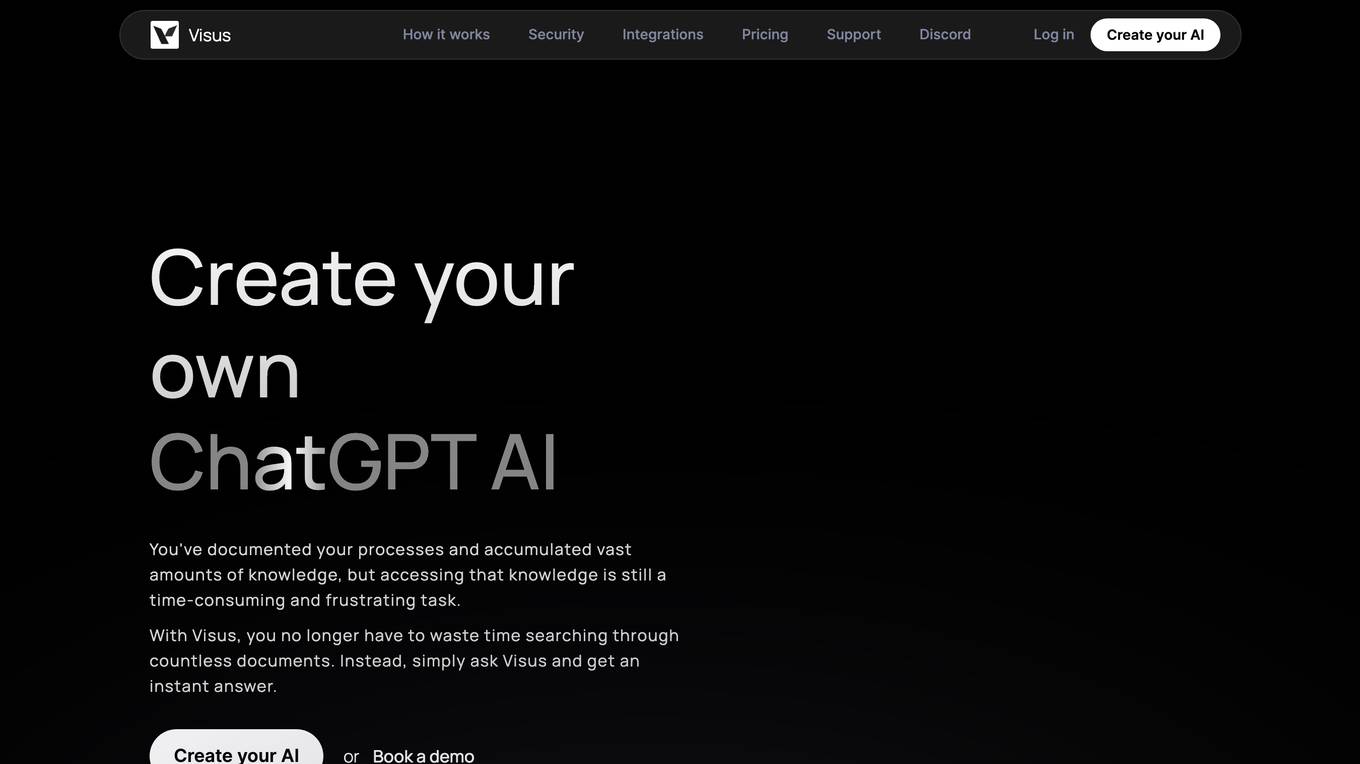
Visus
Visus is a tool that allows you to create your own ChatGPT AI. With Visus, you can train your AI on your own data, ask it questions, and get instant answers. Visus is designed to understand your language and provide quick and accurate responses to any question you may have about your documents. It can help you uncover valuable insights from your data quickly and effortlessly.
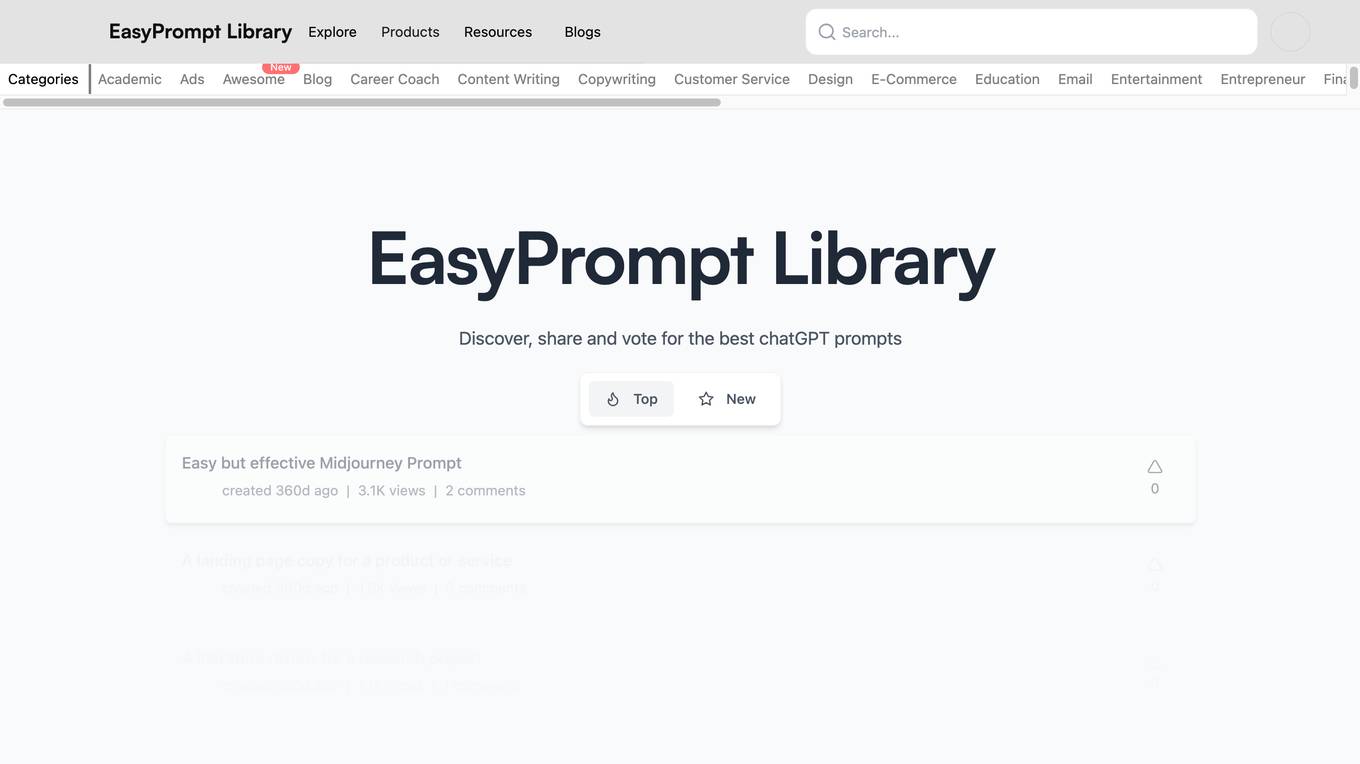
EasyPrompt Library
EasyPrompt Library is a website that provides a collection of ChatGPT prompts. Users can explore, share, and vote for the best prompts. The website also has a blog with articles on how to use ChatGPT and other AI tools.
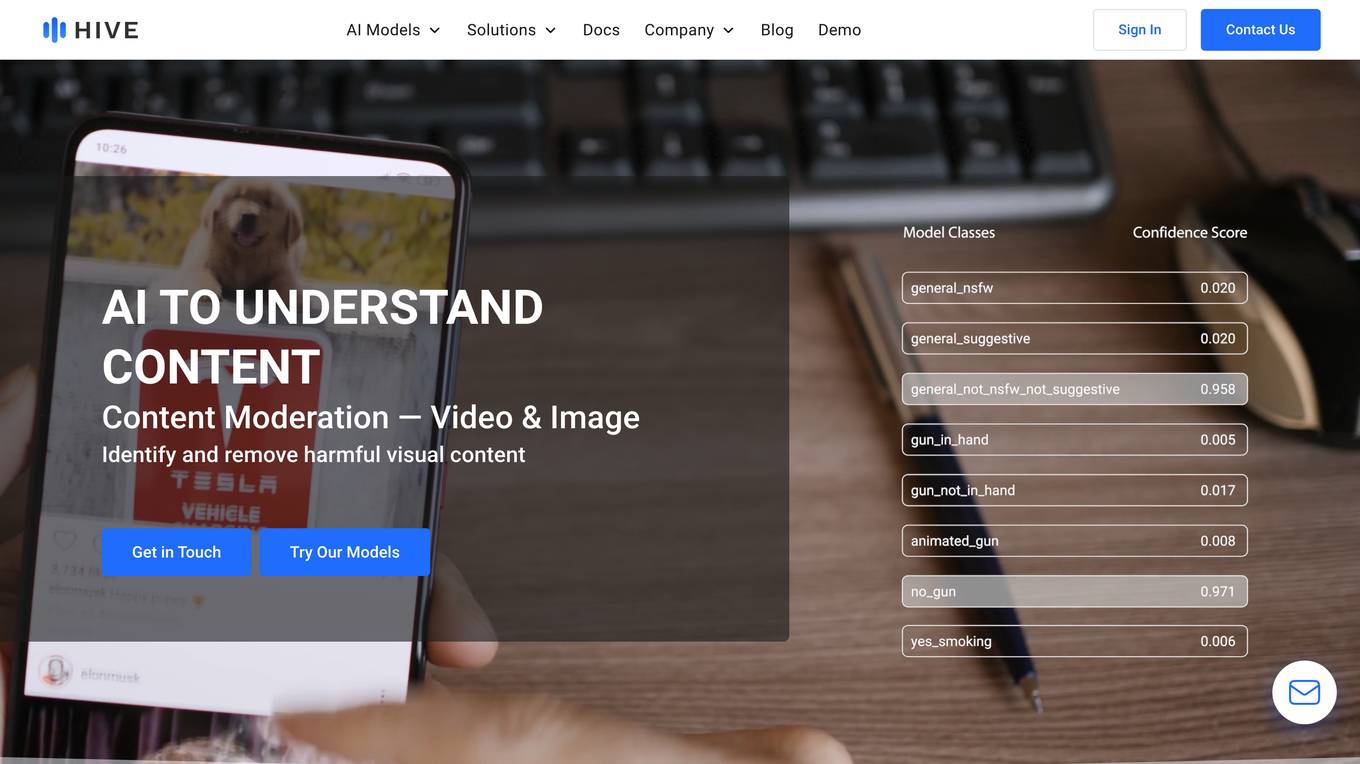
Hive AI
Hive AI provides a suite of AI models and solutions for understanding, searching, and generating content. Their AI models can be integrated into applications via APIs, enabling developers to add advanced content understanding capabilities to their products. Hive AI's solutions are used by businesses in various industries, including digital platforms, sports, media, and marketing, to streamline content moderation, automate image search and authentication, measure sponsorships, and monetize ad inventory.
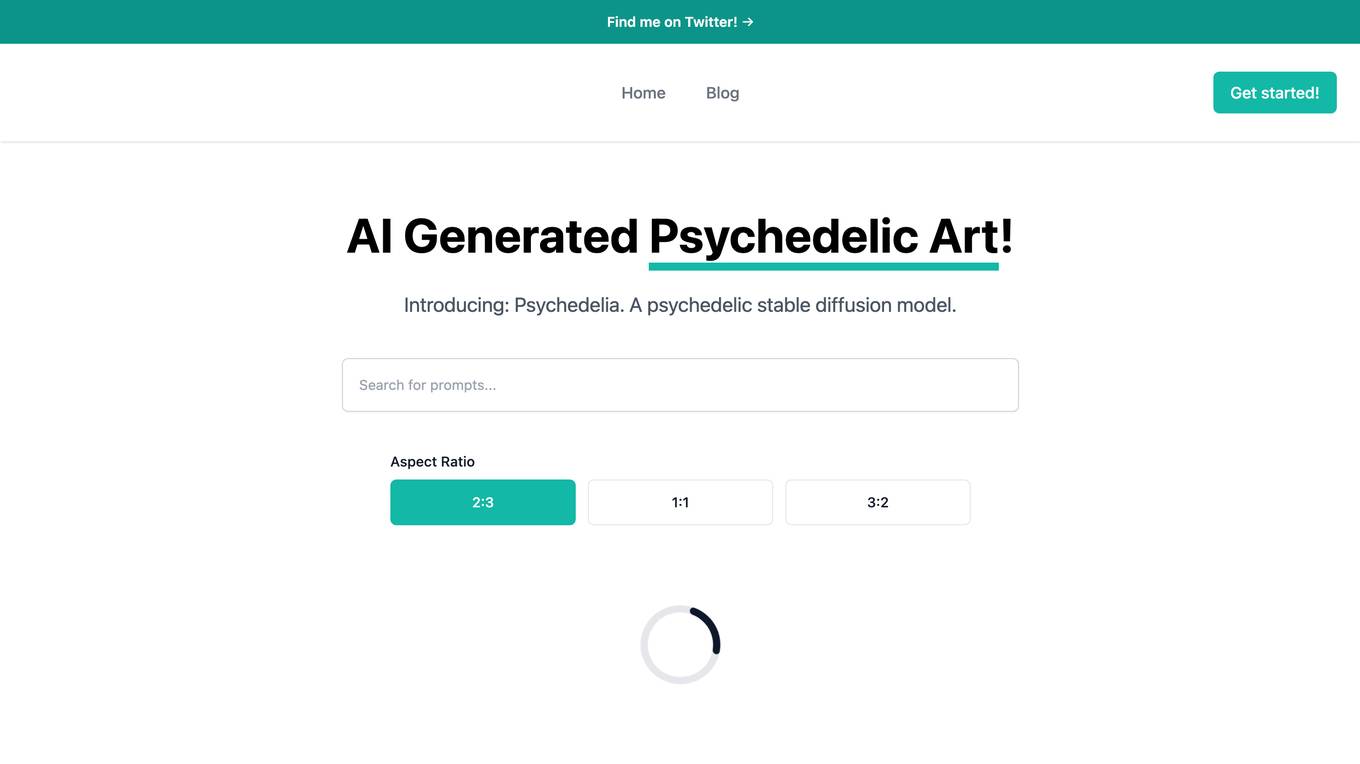
Aiart.fm
Aiart.fm is a website that provides users with access to a variety of AI-powered art tools. These tools can be used to create unique and beautiful works of art, even if you have no prior experience with art or design. With Aiart.fm, you can create stunning images, videos, and music with just a few clicks.

Weekly Newsletter on Generative AI
This website provides a weekly newsletter on generative AI, featuring new AI tools and deep dives into AI's impact on various industries. It aims to keep subscribers informed about the latest AI developments and inspire innovation.
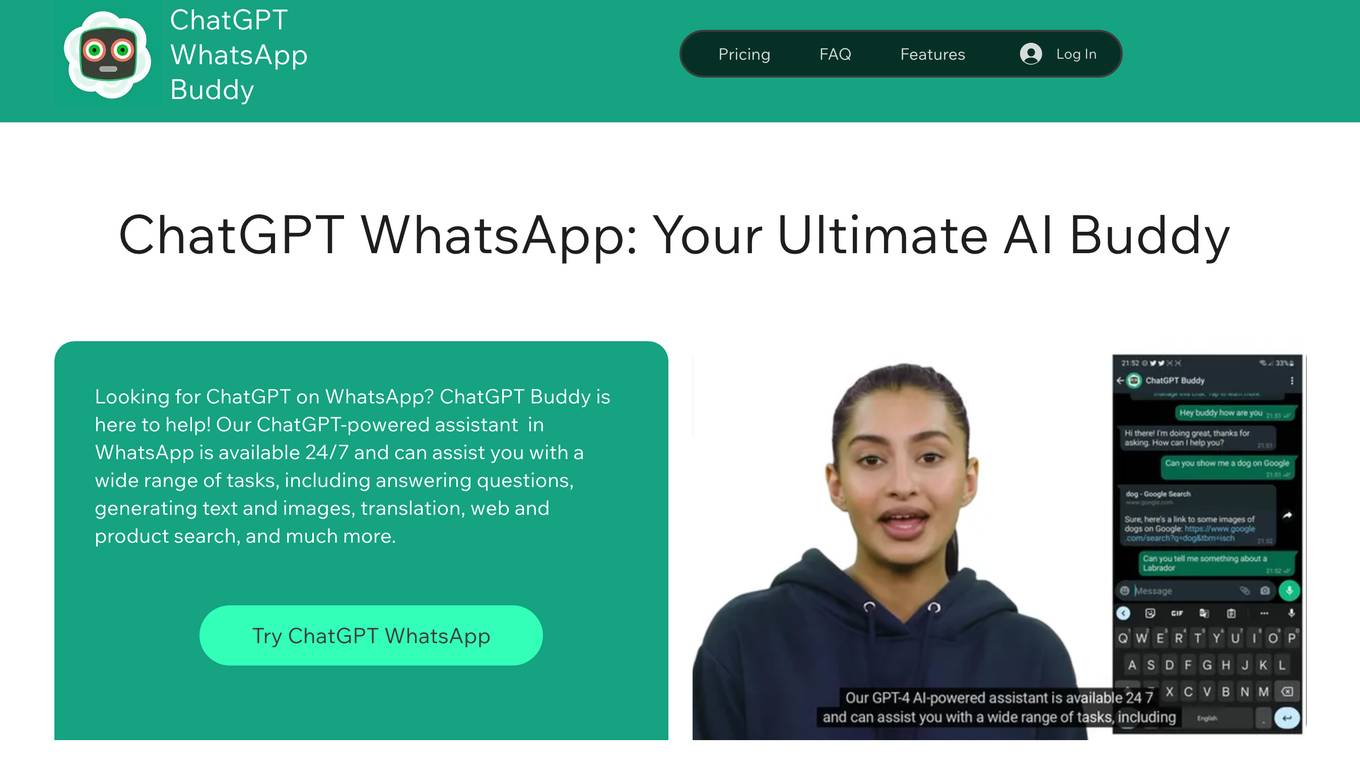
ChatGPT WhatsApp Buddy
ChatGPT WhatsApp Buddy is an AI-powered assistant that integrates with WhatsApp, providing users with a range of capabilities beyond traditional messaging. It offers features such as answering questions, generating text and images, translating languages, searching the web and products, and more. The tool is designed to enhance communication by providing intelligent and engaging conversations, streamlining chats, and offering quick answers. It caters to both personal and professional contexts, making it a versatile tool for various communication needs.
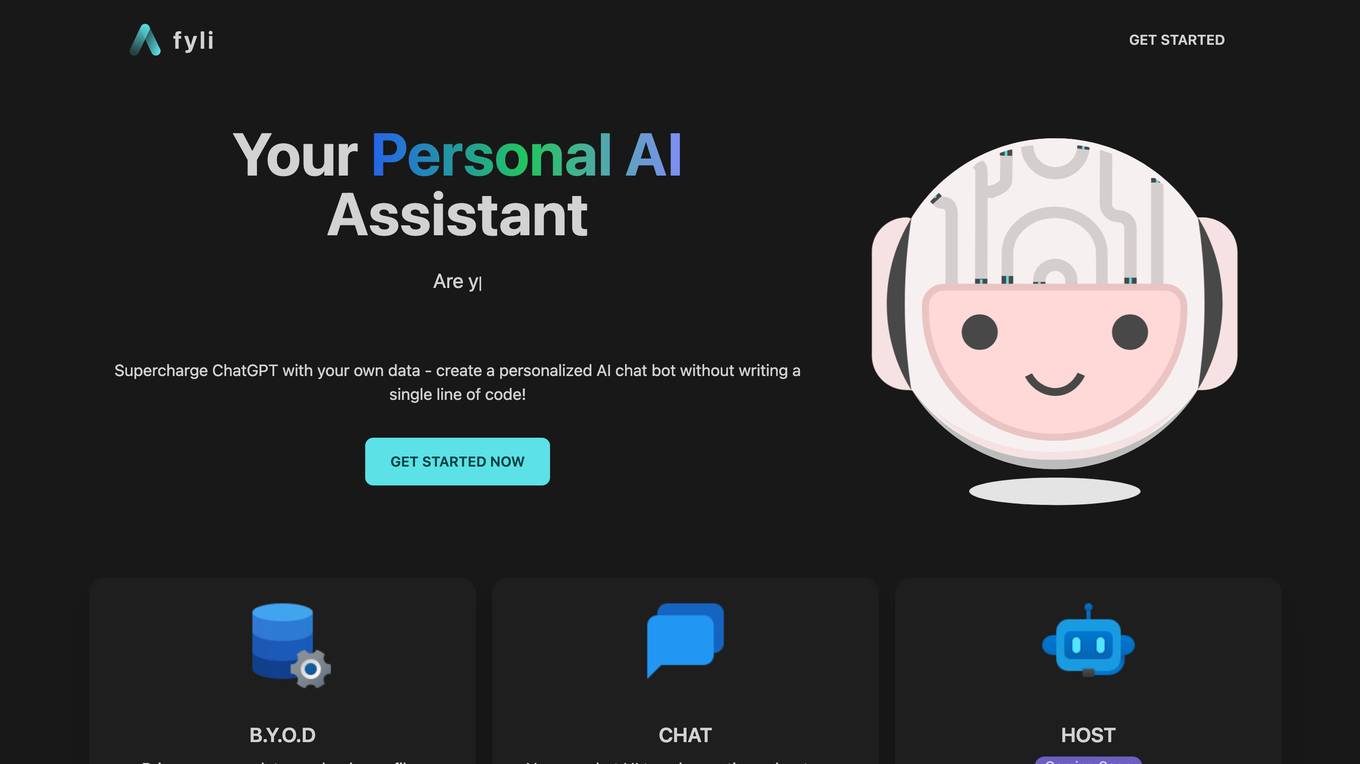
fyli
fyli is a personalized AI assistant that allows users to supercharge ChatGPT with their own data. With fyli, users can create a personalized AI chat bot without writing a single line of code. fyli also allows users to bring their own data by uploading files directly or connecting to a data source such as a database, Notion, YouTube, Twitter, Slack, or Google Docs. Users can then use the chat UI to ask questions about their data or connect their own chat app. fyli can support chatting on WhatsApp, Telegram, Slack, and more. In the future, fyli will allow users to customize their bot and host it for friends, customers, students, or peers.
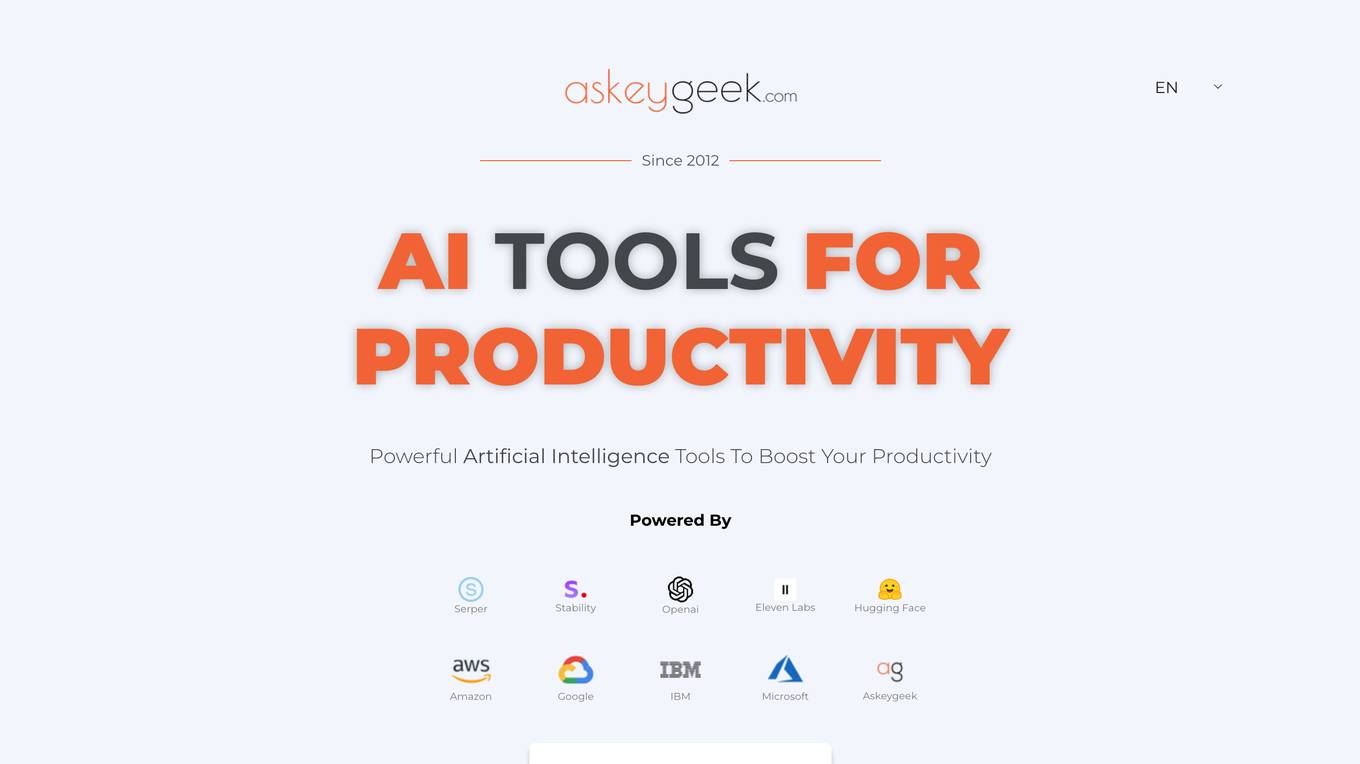
Askeygeek.com
Askeygeek.com is a website that provides a variety of AI tools for productivity. These tools can be used to generate creative content, convert written content into audio, transcribe audio recordings, extract relevant information from documents, and translate content into different languages. Askeygeek.com also offers a variety of free web tools, including SEO tools, website development tools, and AI-powered tools like UberTTS, UberScribe, and UberCreate.
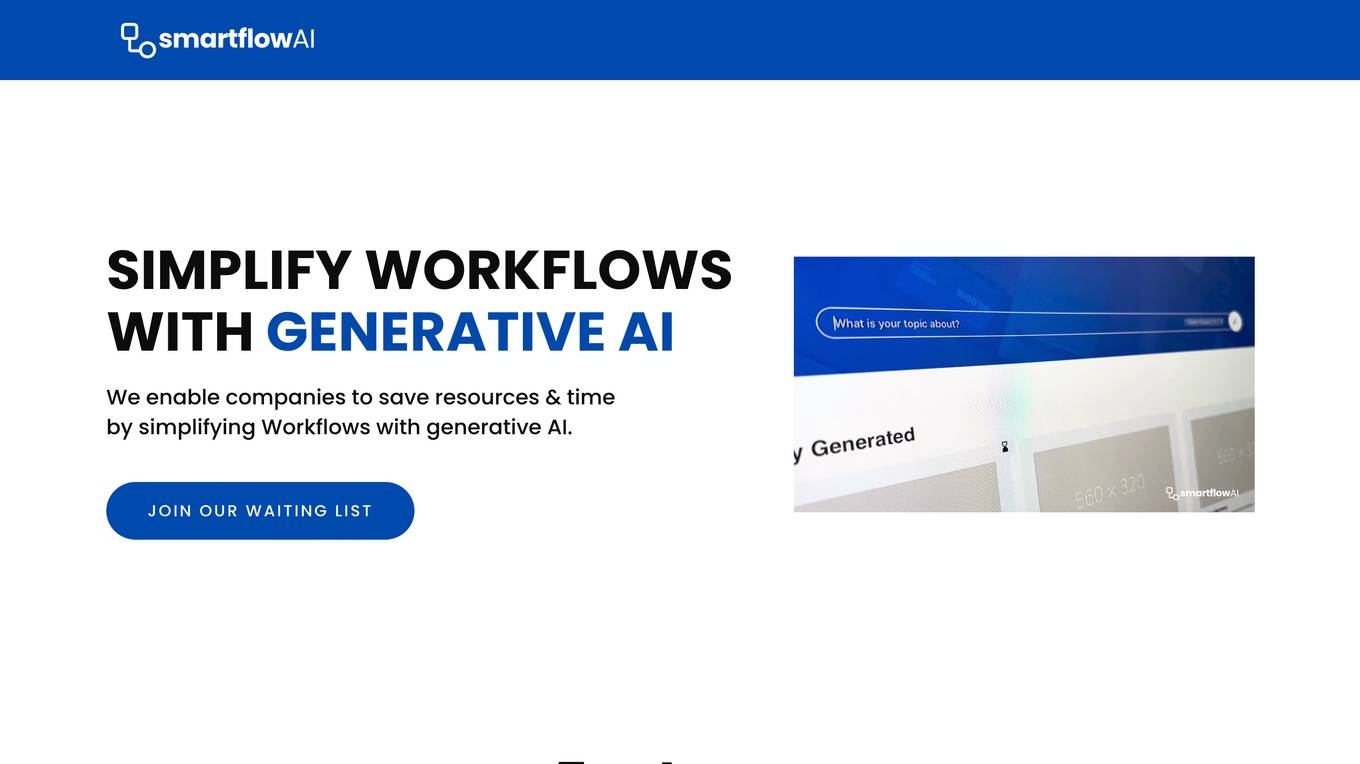
SmartflowAI
SmartflowAI is a platform that helps companies save resources and time by simplifying workflows with generative AI. It offers a variety of pre-built workflows that are aligned with the needs of customers, and uses a complex Generative AI Tech Stack with a range of algorithms, AI models, and Data APIs to combine them into unique intelligent flows.
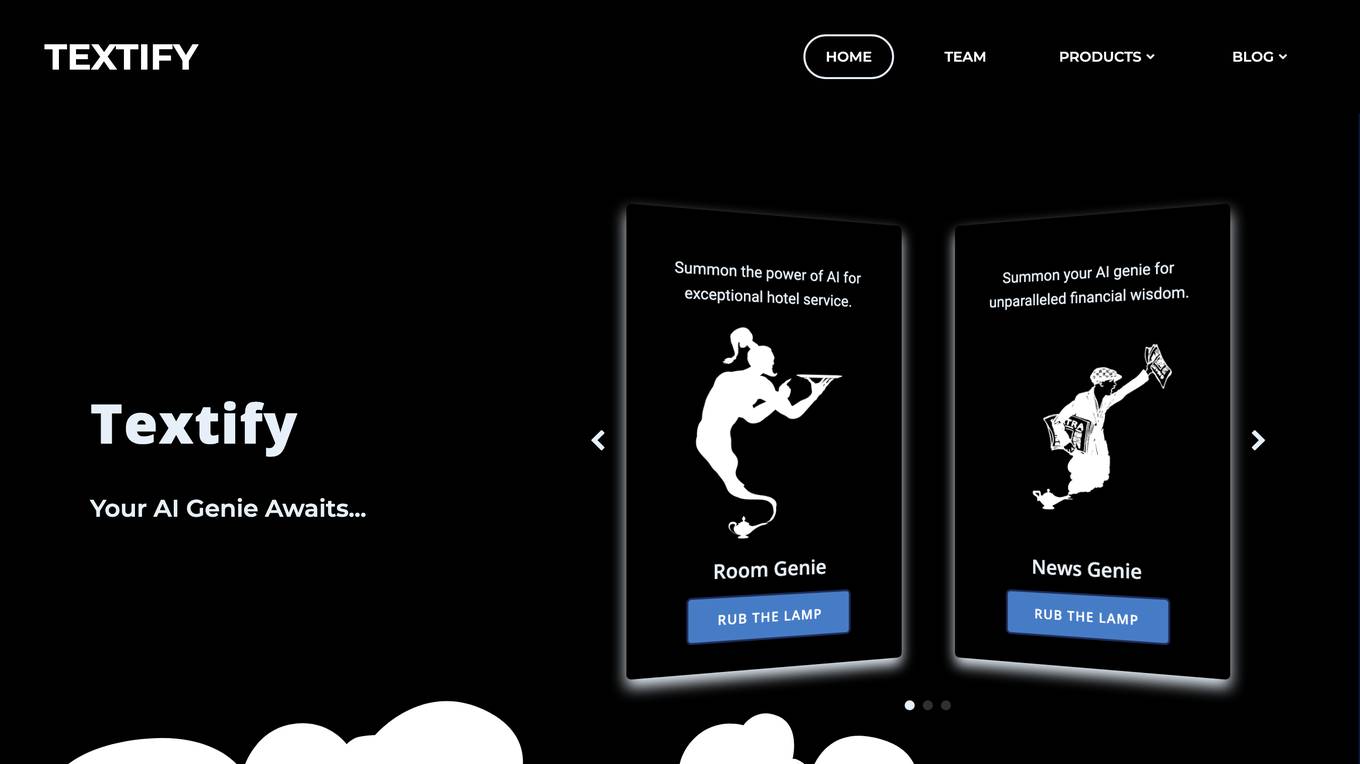
Textify
Textify is an AI-powered platform that provides a suite of tools to help businesses with various tasks, including hotel service, financial analysis, and content creation. The platform's AI genies are designed to be intuitive and user-centric, offering a range of features and advantages to users.
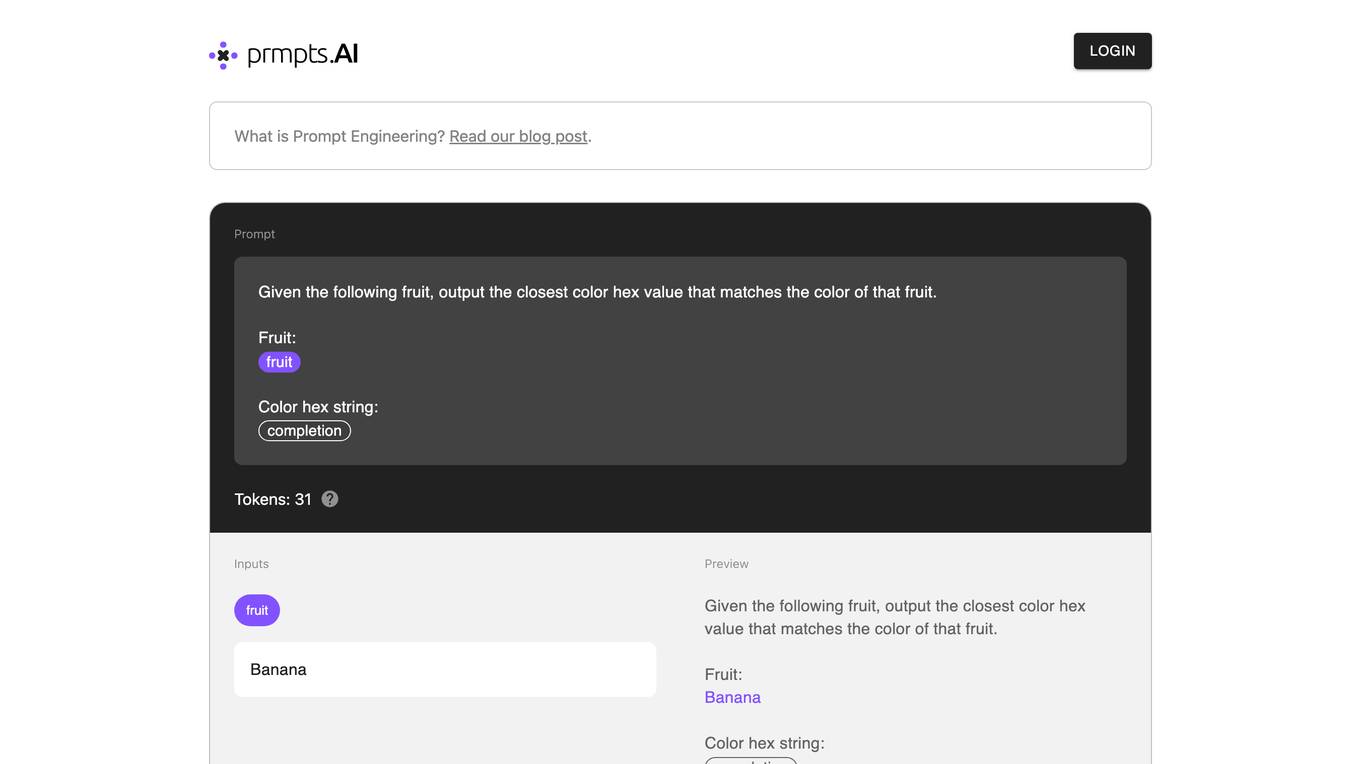
prmpts.AI
prmpts.AI is a prompt engineering sandbox that allows users to experiment with different prompts and see how they affect the output of AI models. It is a valuable tool for anyone who wants to learn more about prompt engineering or who wants to improve the performance of their AI models.
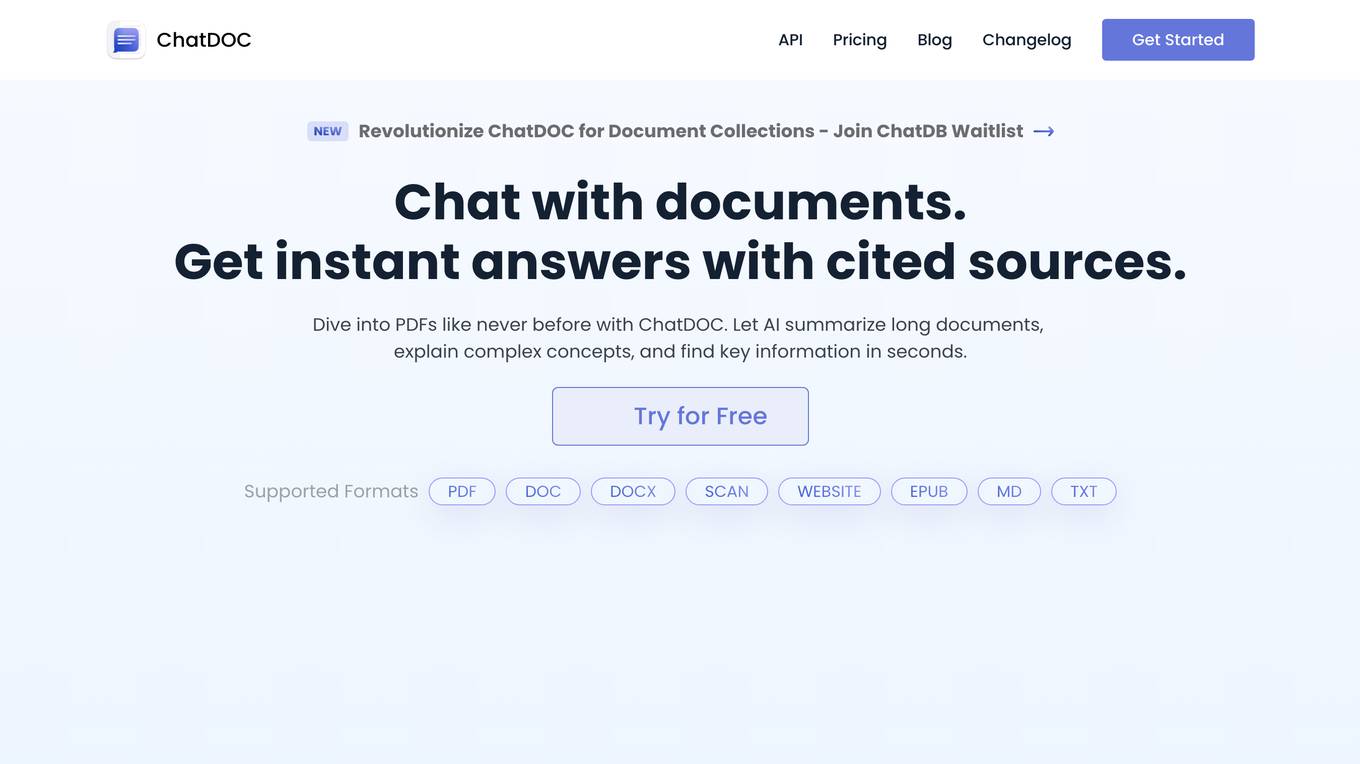
ChatDOC
ChatDOC is an AI-powered tool that allows users to chat with PDF documents and get instant answers with cited sources. It can summarize long documents, explain complex concepts, and find key information in seconds. ChatDOC is built for professionals and is used by over 500,000 global users.
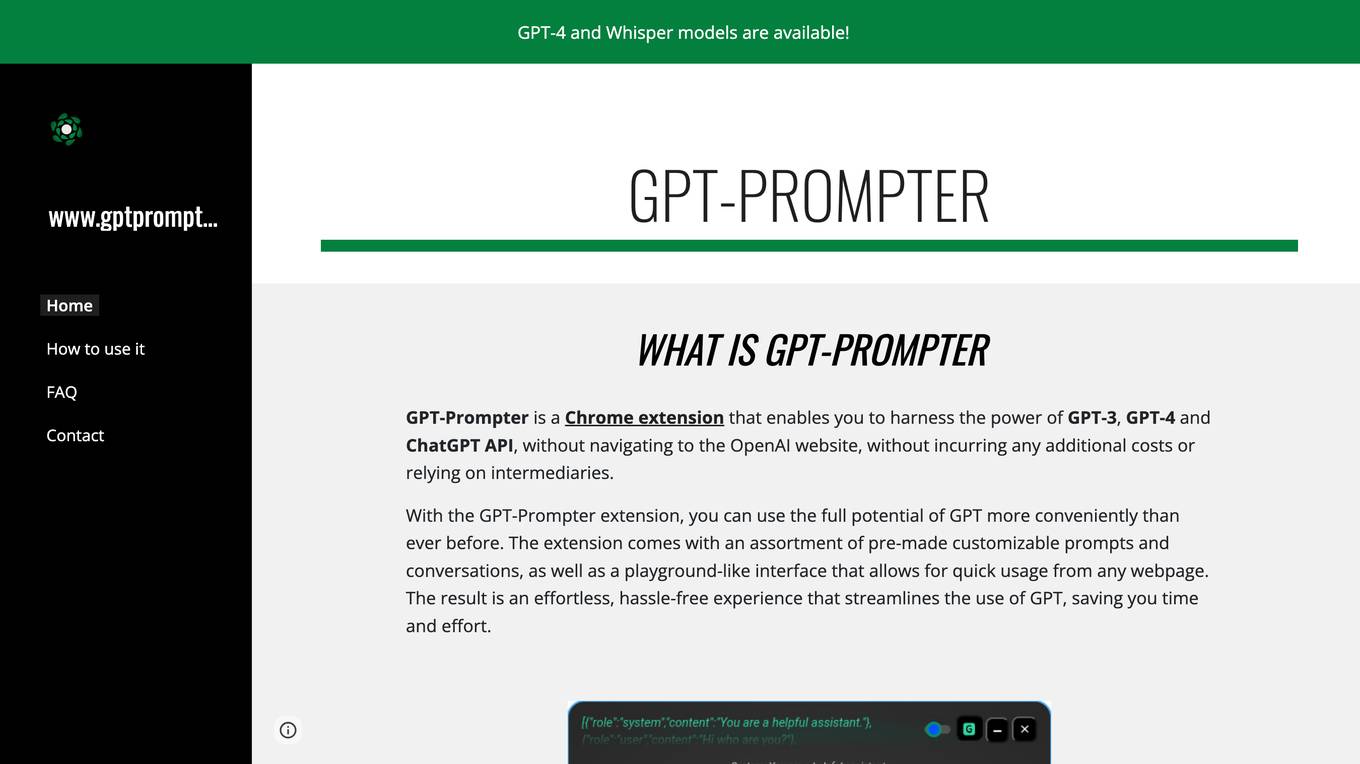
GPT-Prompter
GPT-Prompter is a Chrome extension that allows users to harness the power of GPT-3, GPT-4, and ChatGPT API without navigating to the OpenAI website, incurring additional costs, or relying on intermediaries. With the GPT-Prompter extension, users can utilize the full potential of GPT more conveniently than ever before. The extension includes an assortment of pre-made customizable prompts and conversations, as well as a playground-like interface that enables quick usage from any webpage. The result is an effortless, hassle-free experience that streamlines the use of GPT, saving users time and effort.
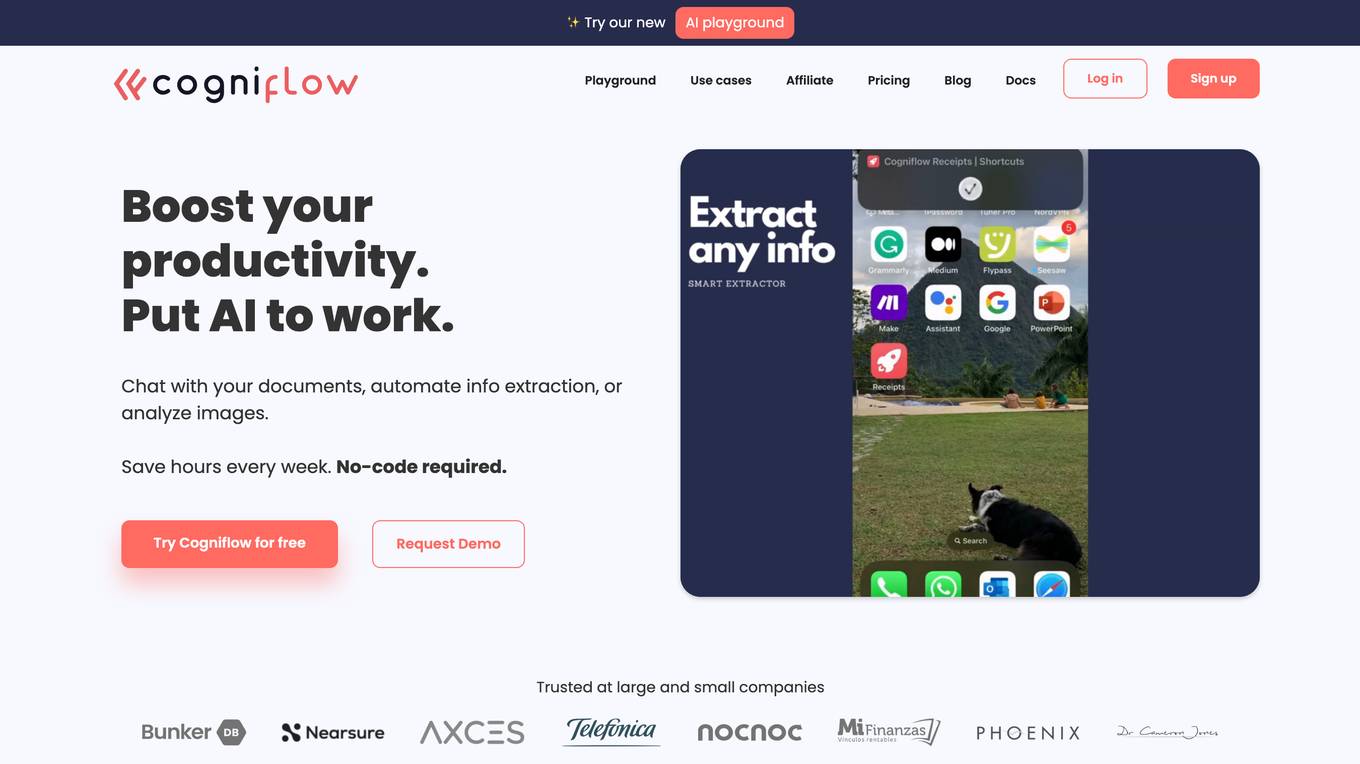
Cogniflow
Cogniflow is a no-code AI platform that allows users to build and deploy custom AI models without any coding experience. The platform provides a variety of pre-built AI models that can be used for a variety of tasks, including customer service, HR, operations, and more. Cogniflow also offers a variety of integrations with other applications, making it easy to connect your AI models to your existing workflow.
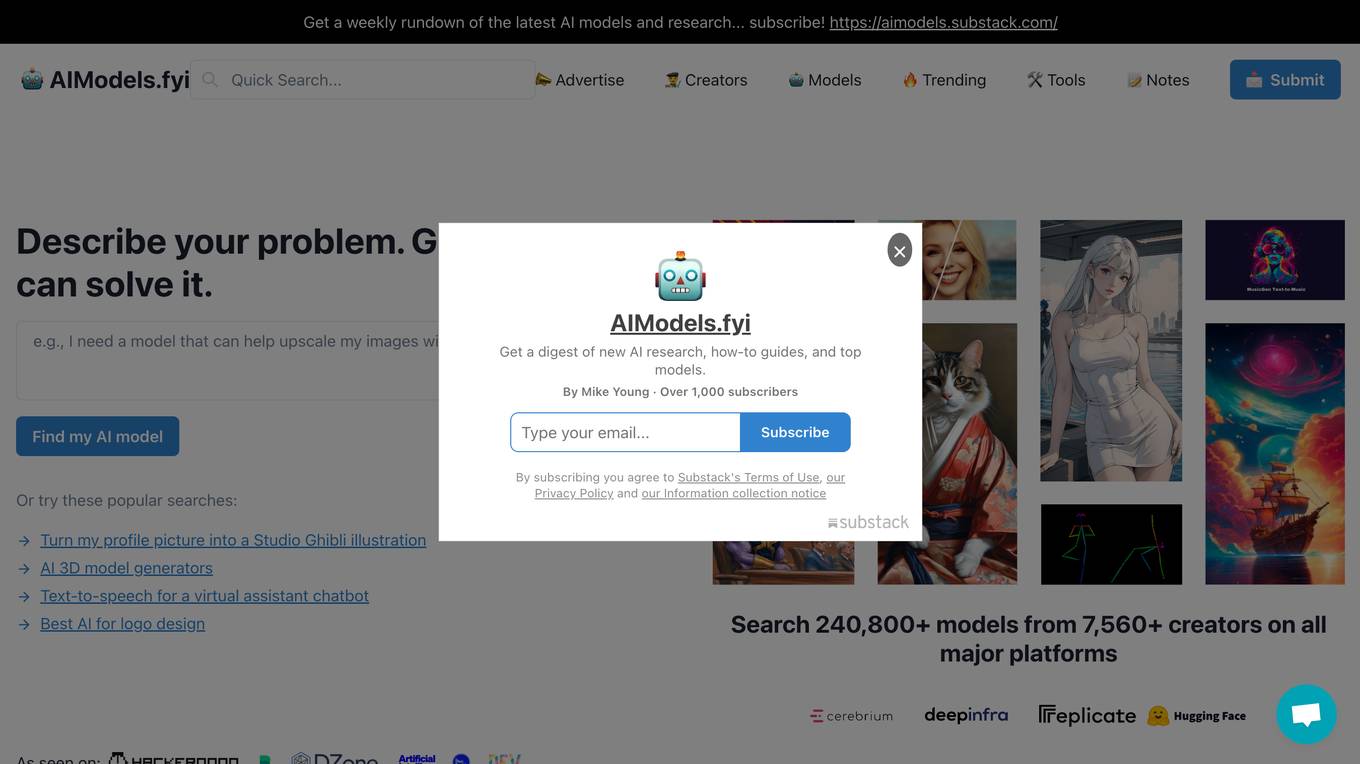
AIModels.fyi
AIModels.fyi is a website that helps users find the best AI model for their startup. The website provides a weekly rundown of the latest AI models and research, and also allows users to search for models by category or keyword. AIModels.fyi is a valuable resource for anyone looking to use AI to solve a problem.
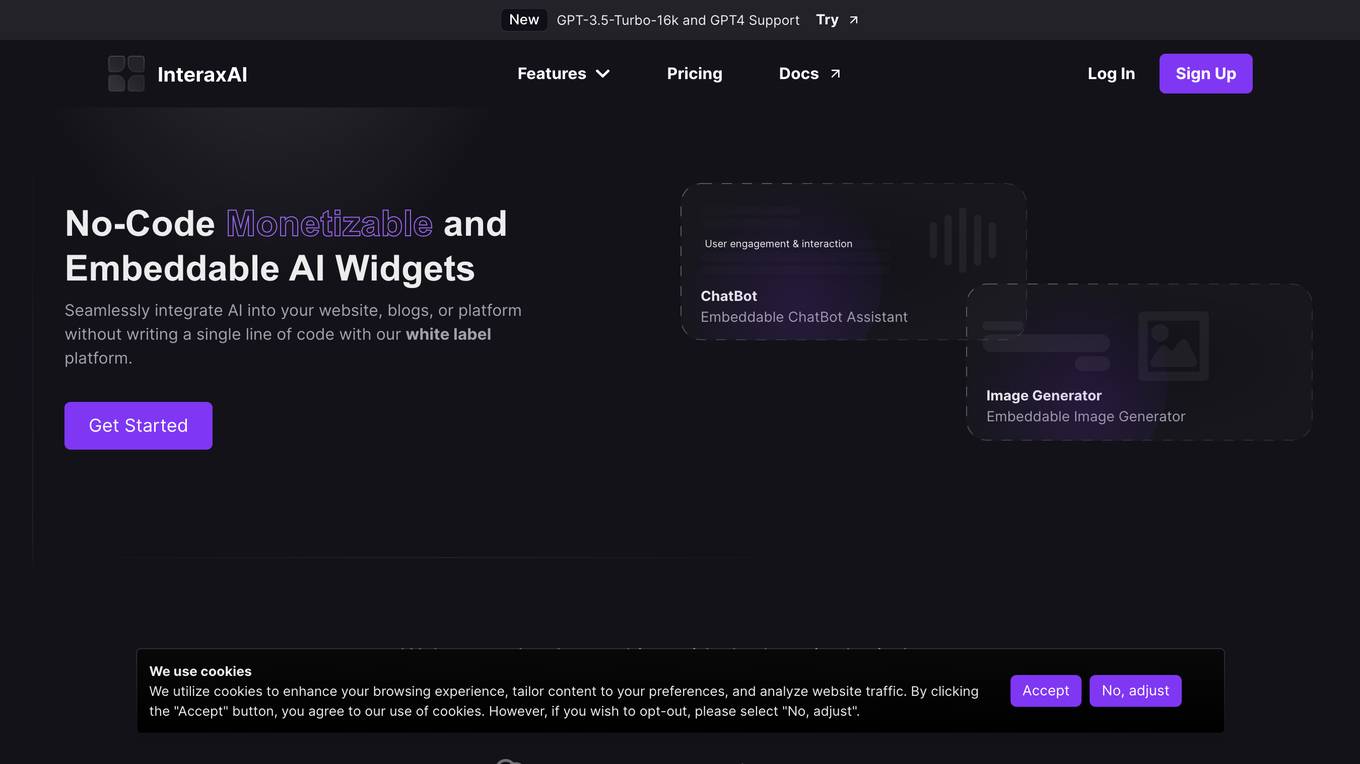
InteraxAI
InteraxAI is a no-code platform that allows users to embed AI widgets into their websites, blogs, or platforms without writing any code. The platform offers a range of AI widgets, including a chatbot assistant, an image generator, and a text completion tool. InteraxAI's widgets are fully customizable and can be configured to fit the user's brand and use case. The platform is also monetizable, allowing users to earn revenue by offering AI widgets to their audience.
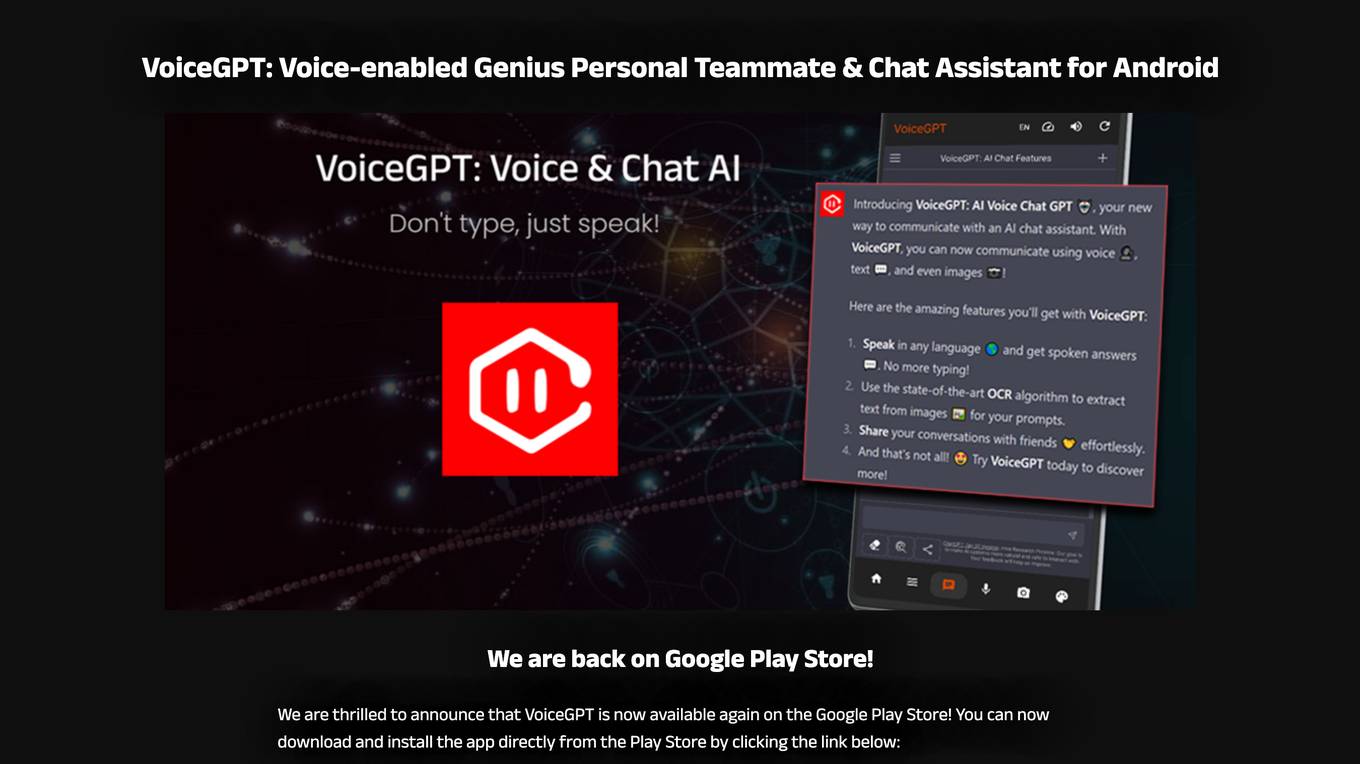
VoiceGPT
VoiceGPT is an Android app that provides a voice-based interface to interact with AI language models like ChatGPT, Bing AI, and Bard. It offers features such as unlimited free messages, voice input and output in 67+ languages, a floating bubble for easy switching between apps, OCR text recognition, code execution, image generation with DALL-E 2, and support for ChatGPT Plus accounts. VoiceGPT is designed to be accessible for users with visual impairments, dyslexia, or other conditions, and it can be set as the default assistant to be activated hands-free with a custom hotword.
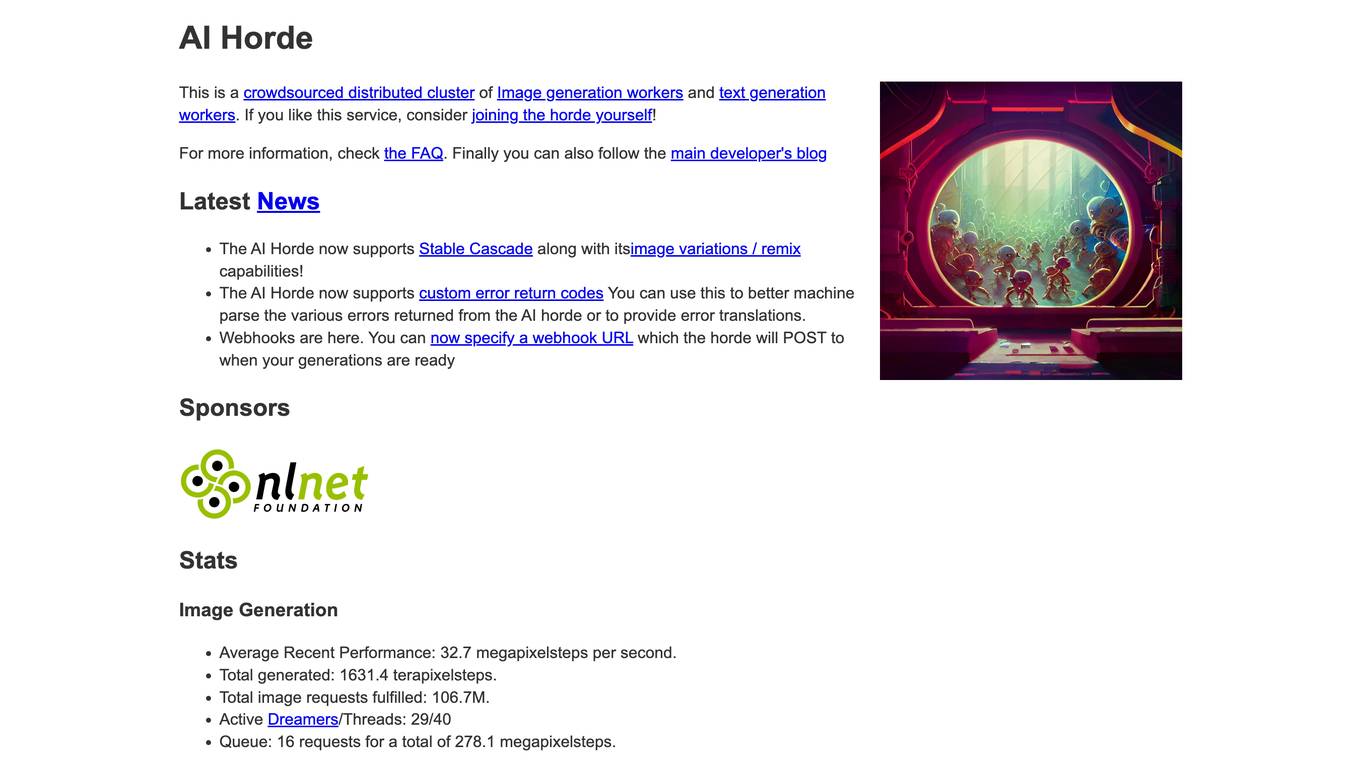
AI Horde
AI Horde is a crowdsourced distributed cluster of Image generation workers and text generation workers. It provides an API and various tools for developers to integrate AI-powered image and text generation into their applications. The AI Horde is supported by a community of volunteers who contribute their GPU processing power to the cluster.
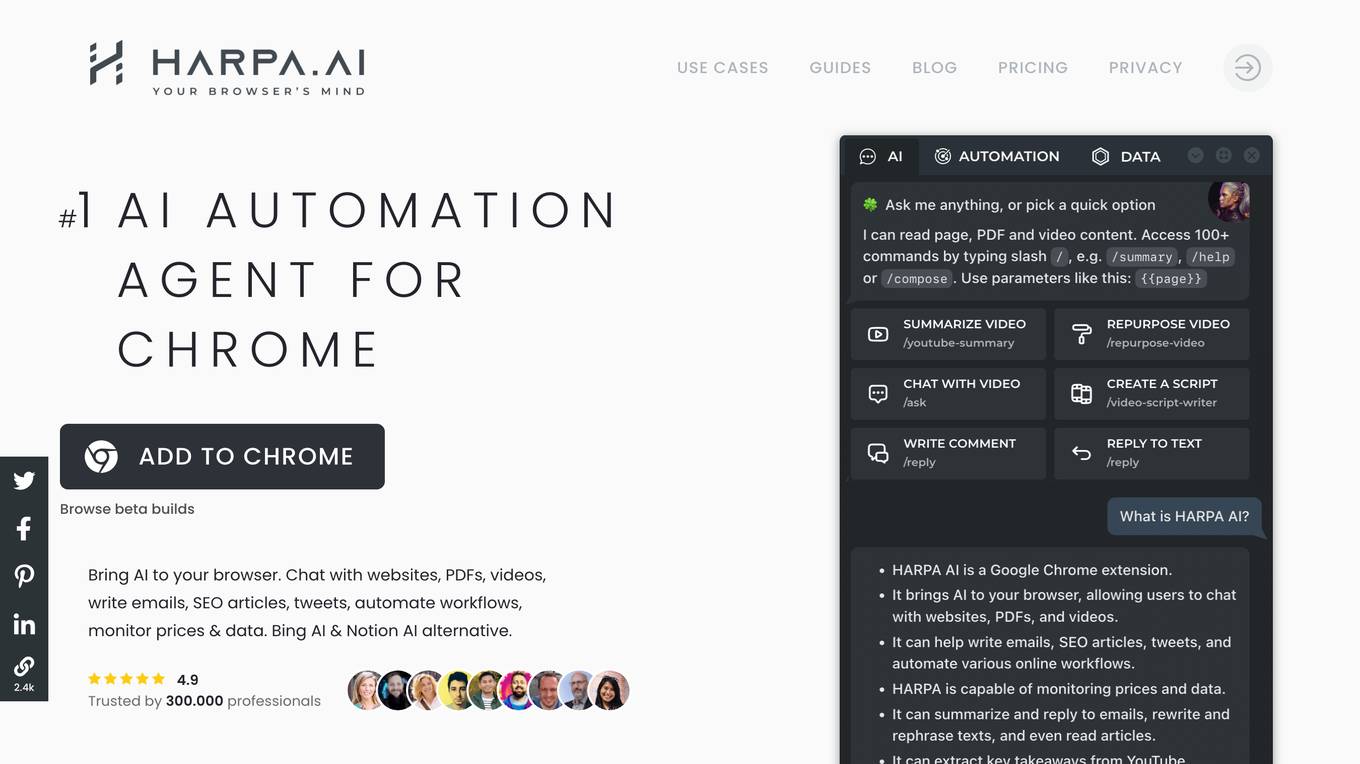
HARPA AI
HARPA AI is a Google Chrome extension that brings AI to your browser. It can summarize and reply to emails, rewrite, rephrase, correct and expand text, read articles, translate and scan web pages for data. HARPA has a hybrid AI engine and works with OpenAI GPT-3 & GPT-4 API, ChatGPT, Claude2 and Google Gemini.
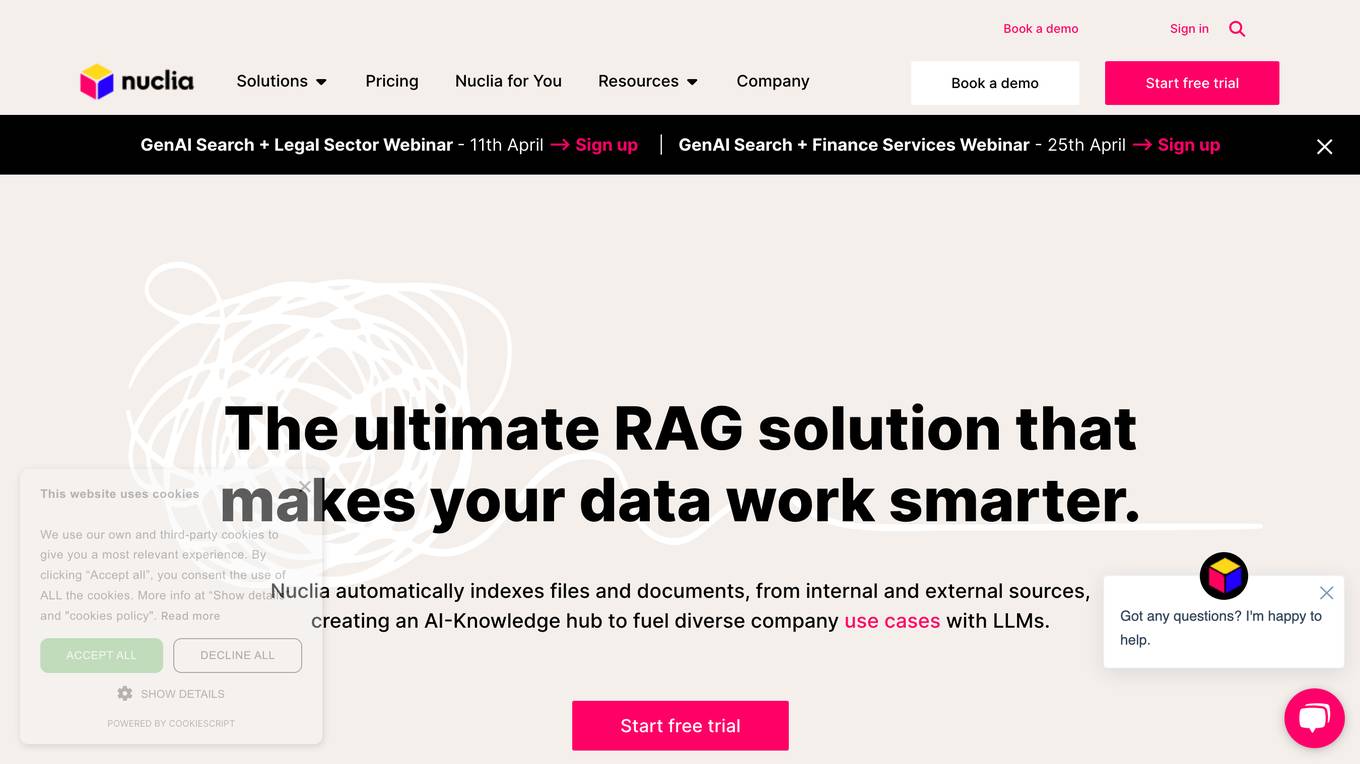
Nuclia
Nuclia is an AI-powered search engine that helps businesses unlock the value of their unstructured data. With Nuclia, businesses can quickly and easily search, analyze, and extract insights from their data, regardless of its format or location. Nuclia's AI capabilities include natural language processing, machine learning, and deep learning, which allow it to understand the context and meaning of data, and to generate human-like text and code. Nuclia is used by businesses of all sizes across a variety of industries, including financial services, healthcare, manufacturing, and retail.
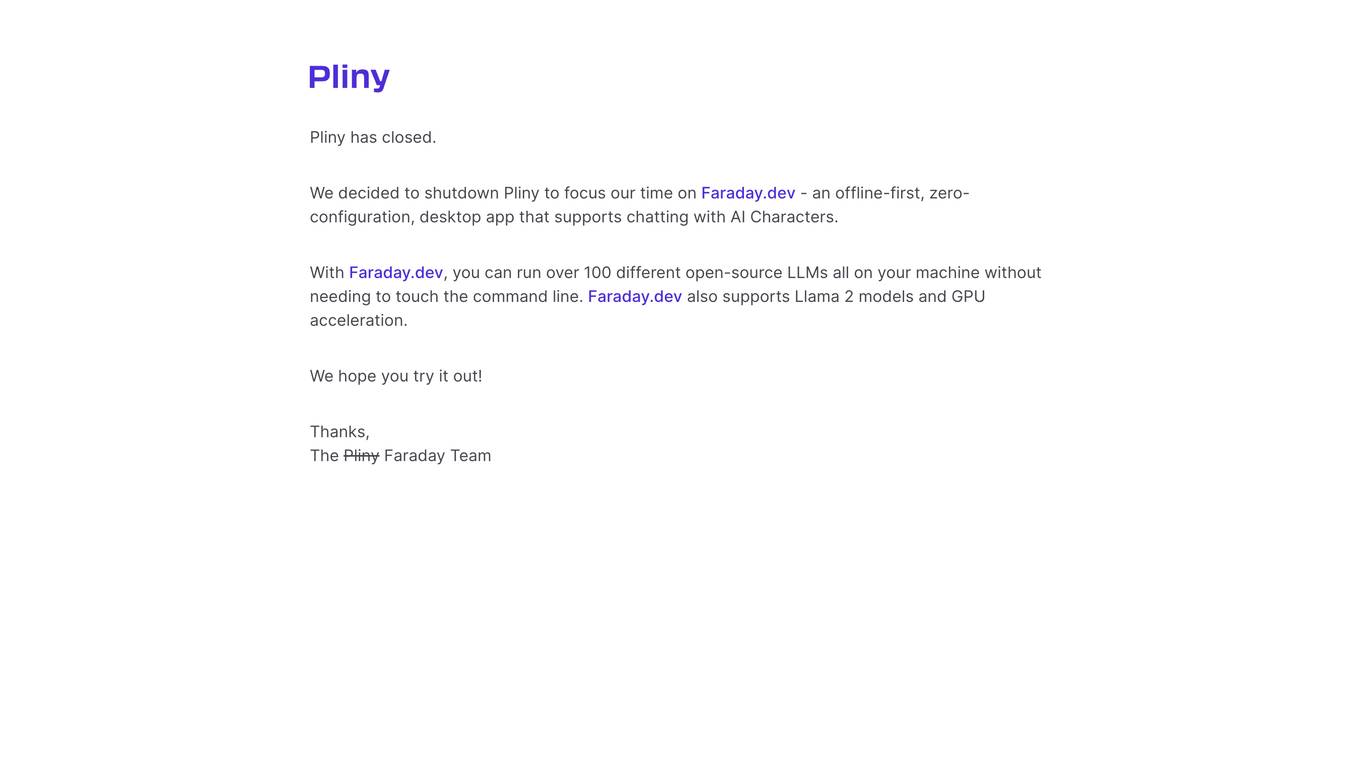
Faraday.dev
Faraday.dev is an offline-first, zero-configuration, desktop app that supports chatting with AI Characters. With Faraday.dev, you can run over 100 different open-source LLMs all on your machine without needing to touch the command line. Faraday.dev also supports Llama 2 models and GPU acceleration.
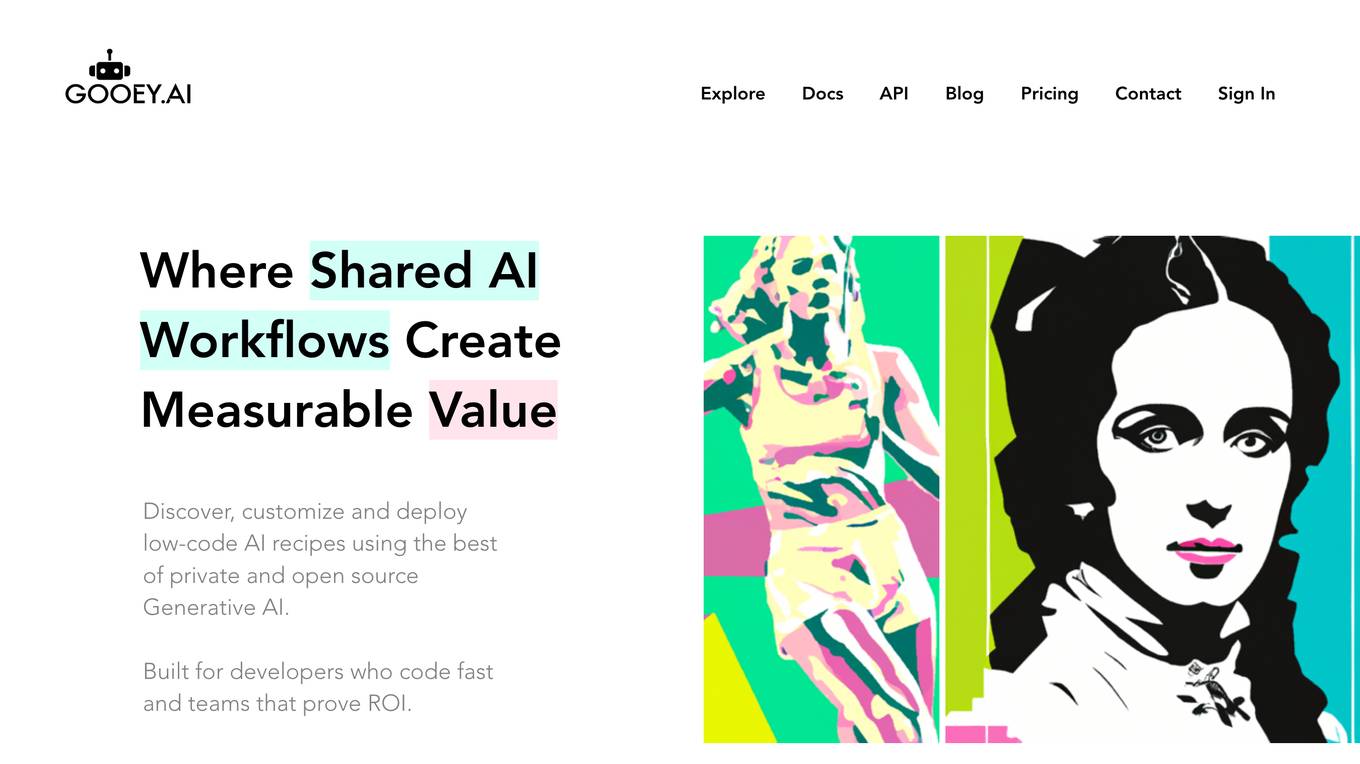
Gooey.AI
Gooey.AI is a platform that provides access to a variety of AI models and tools, making it easy for users to build and deploy AI solutions. The platform offers a no-code interface, making it accessible to users of all skill levels. Gooey.AI also provides a community of users who share workflows and examples, making it easy to get started with AI development.

OpenAI Platform
OpenAI Platform is a suite of powerful AI tools that can help you build and deploy AI applications. With OpenAI Platform, you can access state-of-the-art AI models, including GPT-3, Codex, and DALL-E 2. You can also use OpenAI Platform to train your own custom AI models. OpenAI Platform is used by businesses of all sizes to build a wide range of AI applications, including chatbots, language translation tools, and image generators.
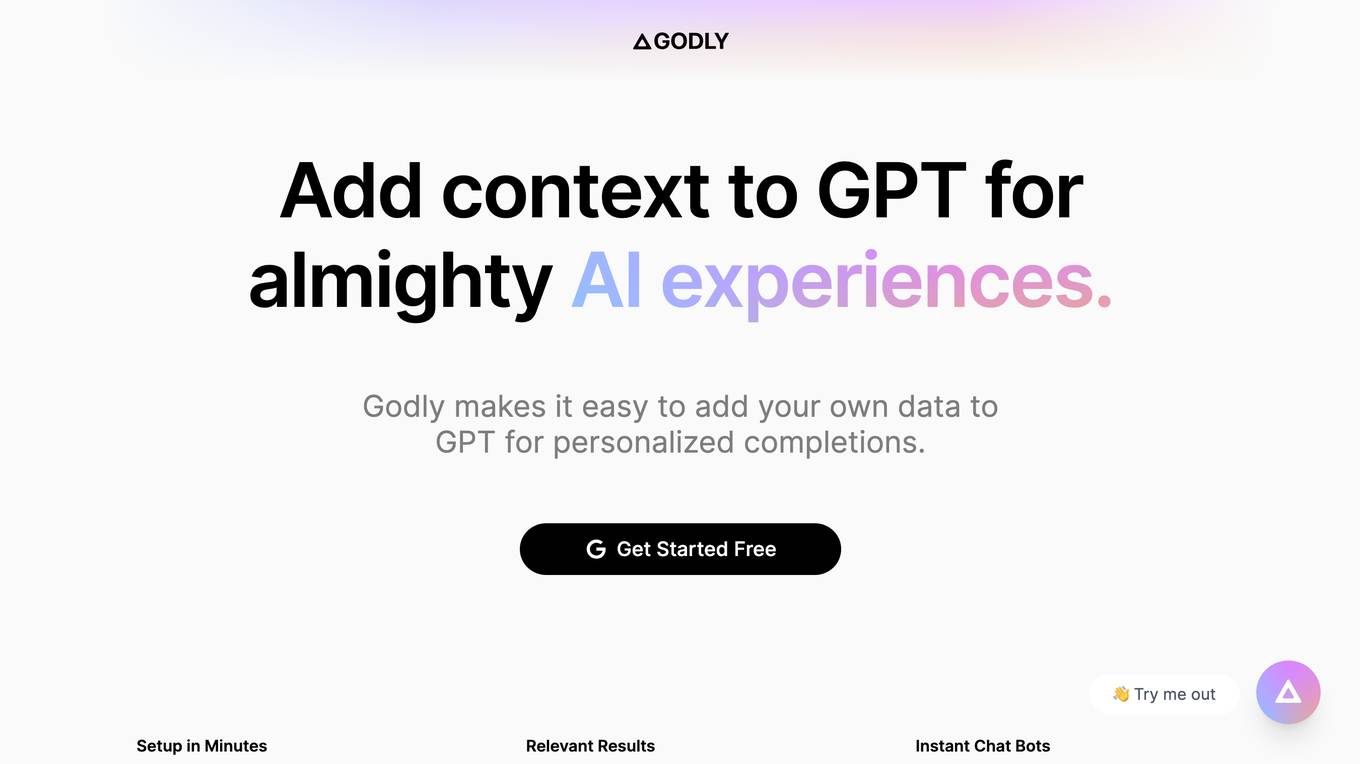
Godly
Godly is a tool that allows you to add your own data to GPT for personalized completions. It makes it easy to set up and manage your context, and comes with a chat bot to explore your context with no coding required. Godly also makes it easy to debug and manage which contexts are influencing your prompts, and provides an easy-to-use SDK for builders to quickly integrate context to their GPT completions.
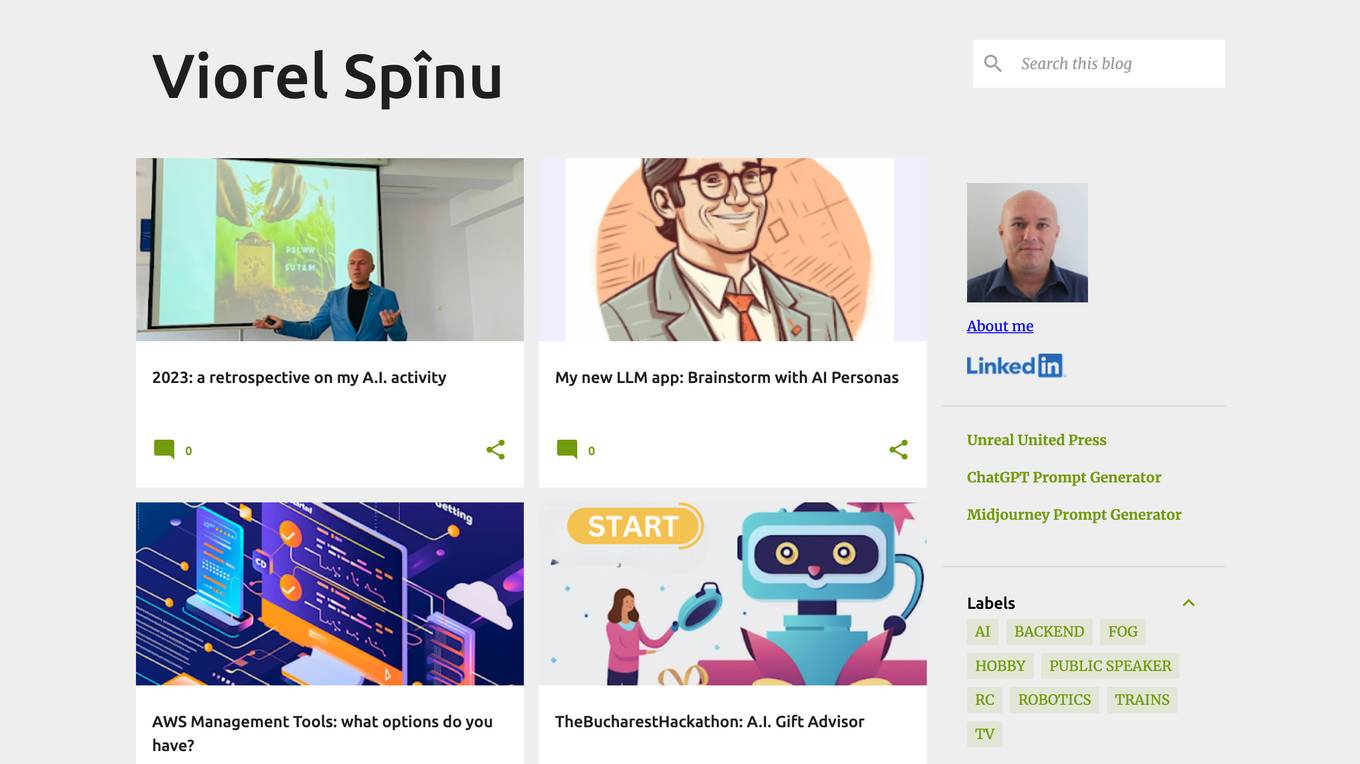
Viorel Spînu's Blog
This website is a personal blog of Viorel Spînu, who is a public speaker, backend developer, and AI enthusiast. The blog covers a wide range of topics related to AI, backend development, and other technical subjects. Spînu frequently writes about his experiences using AI tools and technologies, and he also shares his thoughts on the latest trends in the AI industry.
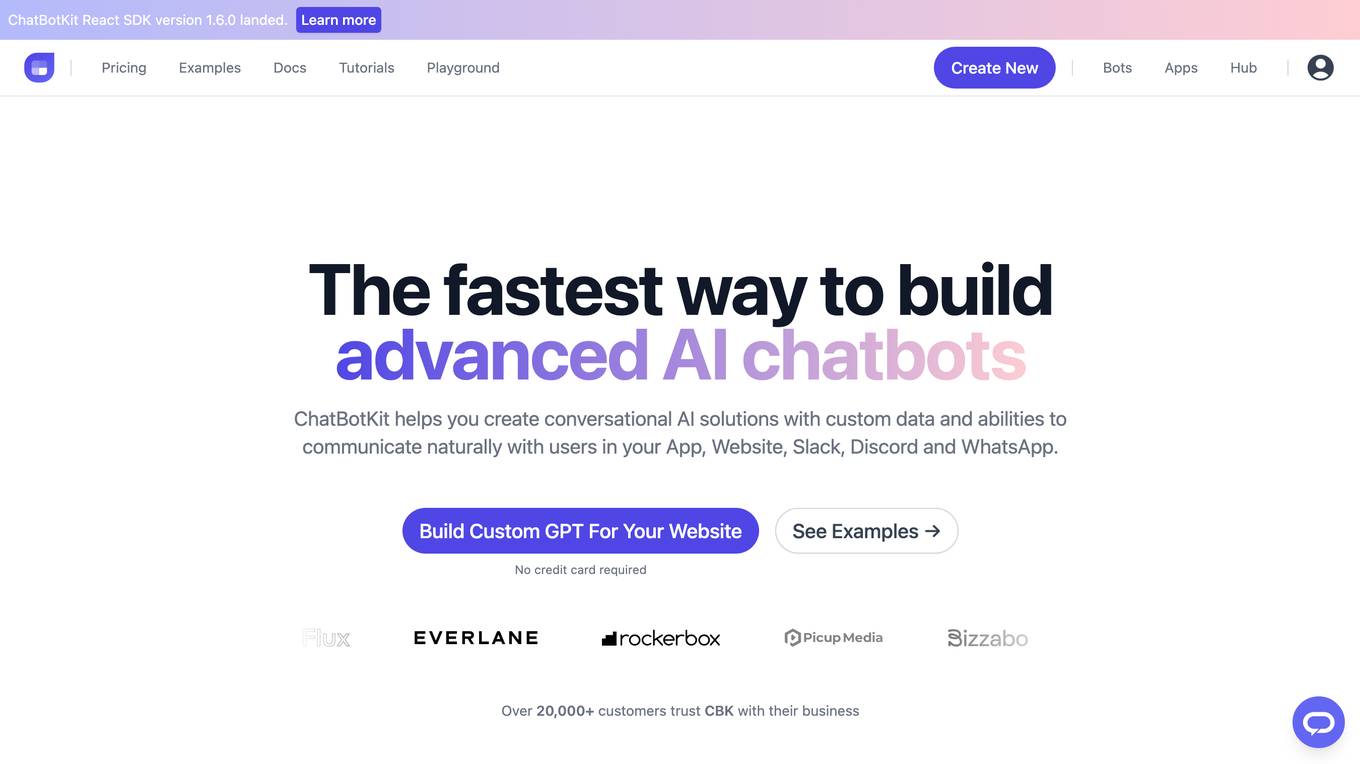
ChatBotKit
ChatBotKit is a platform that helps you create and interact with chatbots, access a variety of tools and services, and also gives you access to pre-built apps that you can use to perform a wide range of tasks. With ChatBotKit, you can build custom GPT for your website, create AI widgets, explore AI solutions, create immersive and interactive AI experiences, craft compelling AI personas, enhance the learning experience with AI-powered educational tools, automate repetitive tasks and streamline your workflows with AI-powered automation tools, leverage the power of conversational AI to drive more sales and conversions, and enhance your customer support experience with intelligent chatbots.
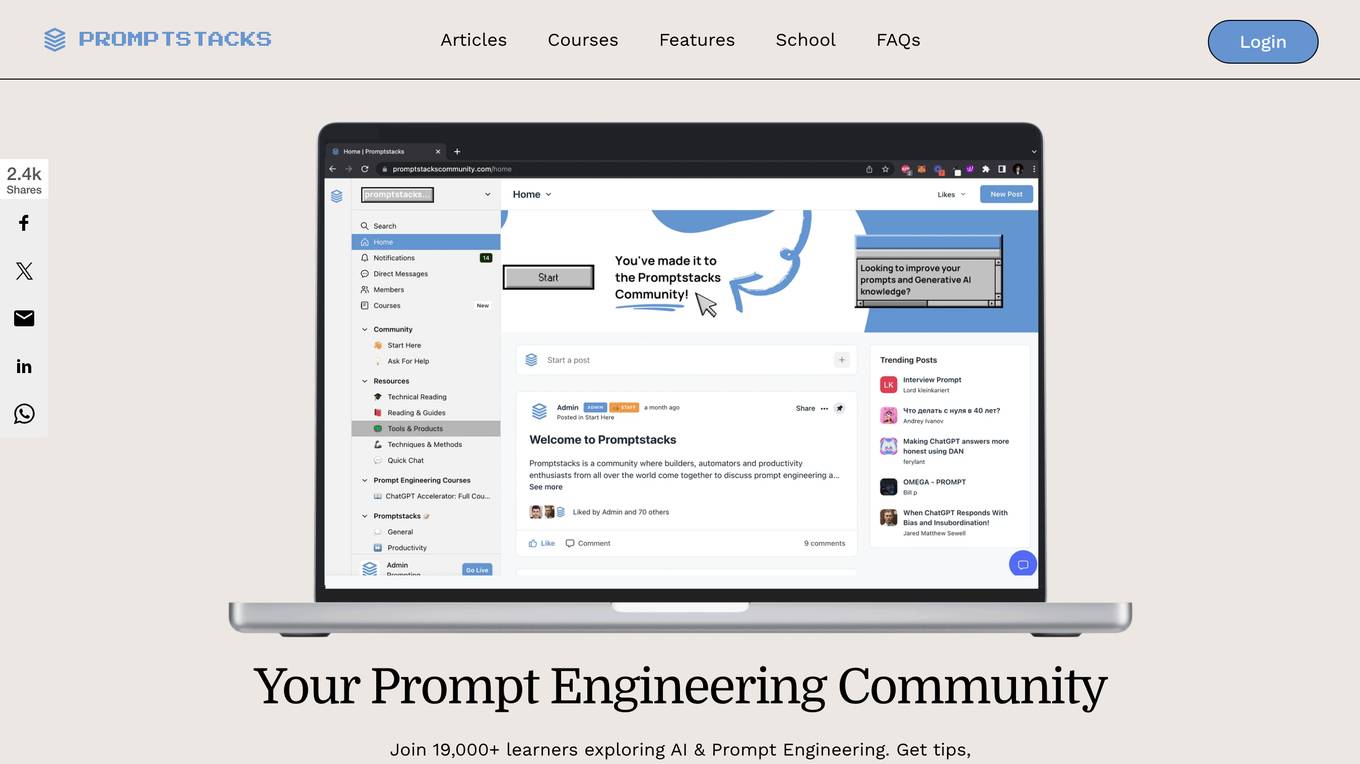
Promptstacks
Promptstacks is a community-driven platform where people can share and discover Generative AI tips and tricks. Users can also discuss prompt engineering and general industry news. The goal of prompt engineering is typically to generate more relevant, coherent or accurate output from a large language model such as ChatGPT or Bard.
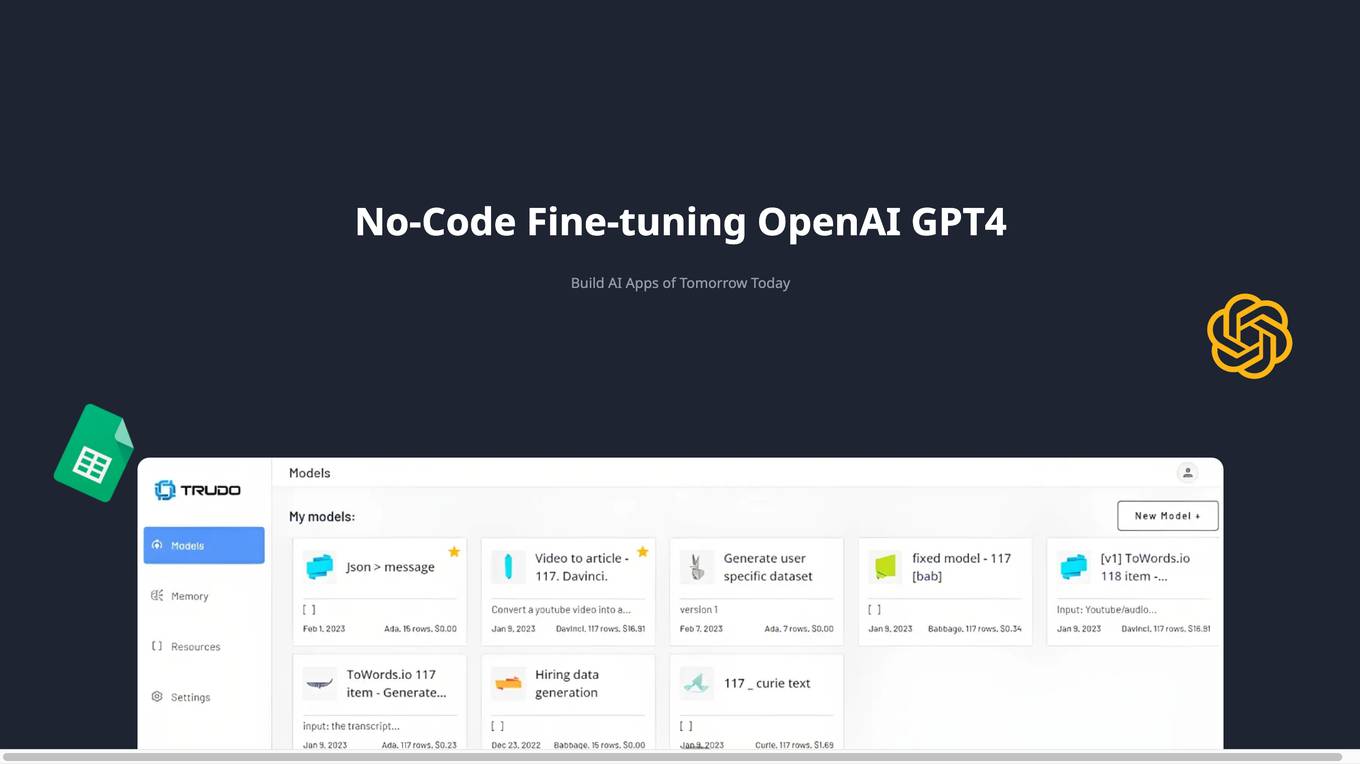
TrudoAI
TrudoAI is a no-code fine-tuning platform for OpenAI GPT-4. It allows users to build AI apps without writing any code. With TrudoAI, users can create custom AI models that can be used for a variety of tasks, such as text generation, translation, and question answering.
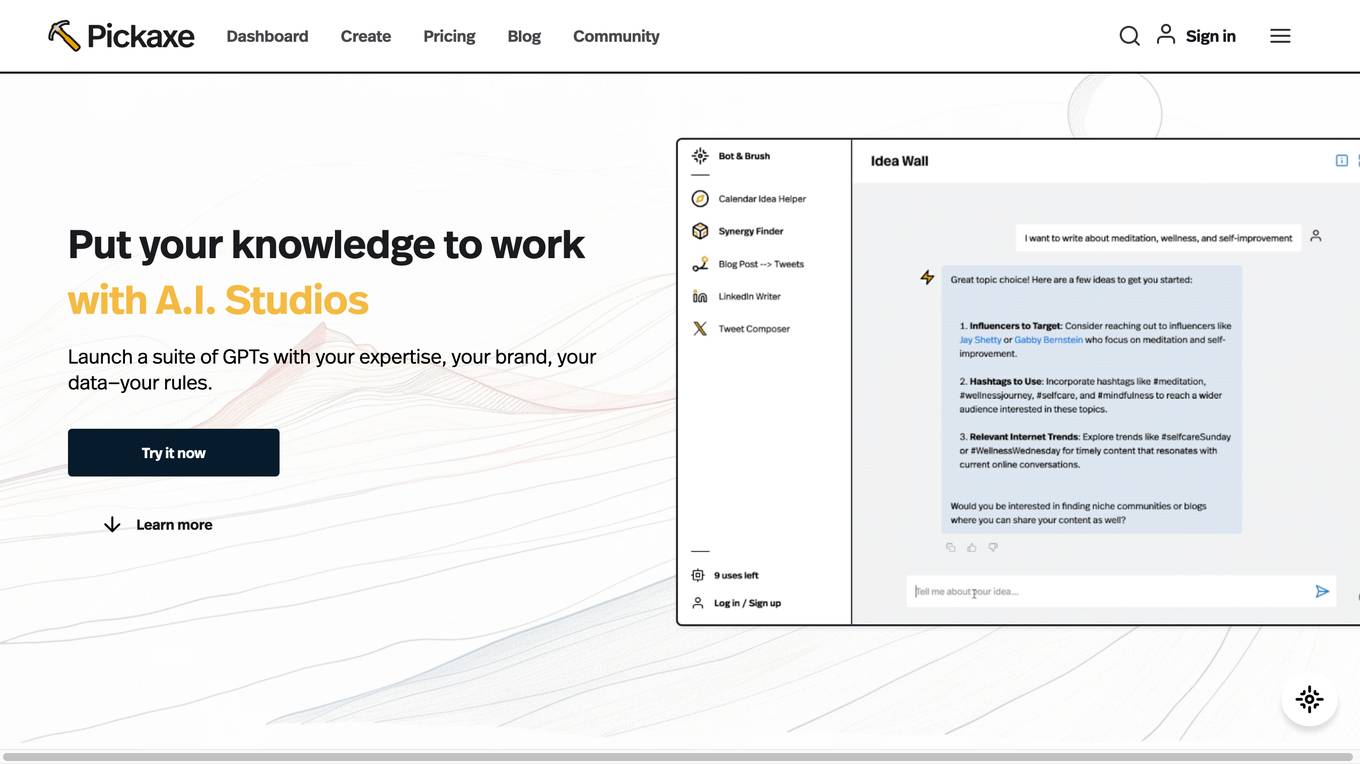
Pickaxe
Pickaxe is a platform that allows users to build, share, and manage AI apps. With Pickaxe, users can create their own AI tools, launch AI studios for others to use, and monetize their expertise. Pickaxe is designed to be easy to use, with no-code required. The platform provides a variety of templates and resources to help users get started. Pickaxe is used by a variety of people, including creators, entrepreneurs, and businesses. The platform has been used to create a wide range of AI tools, including chatbots, text generators, and image generators.
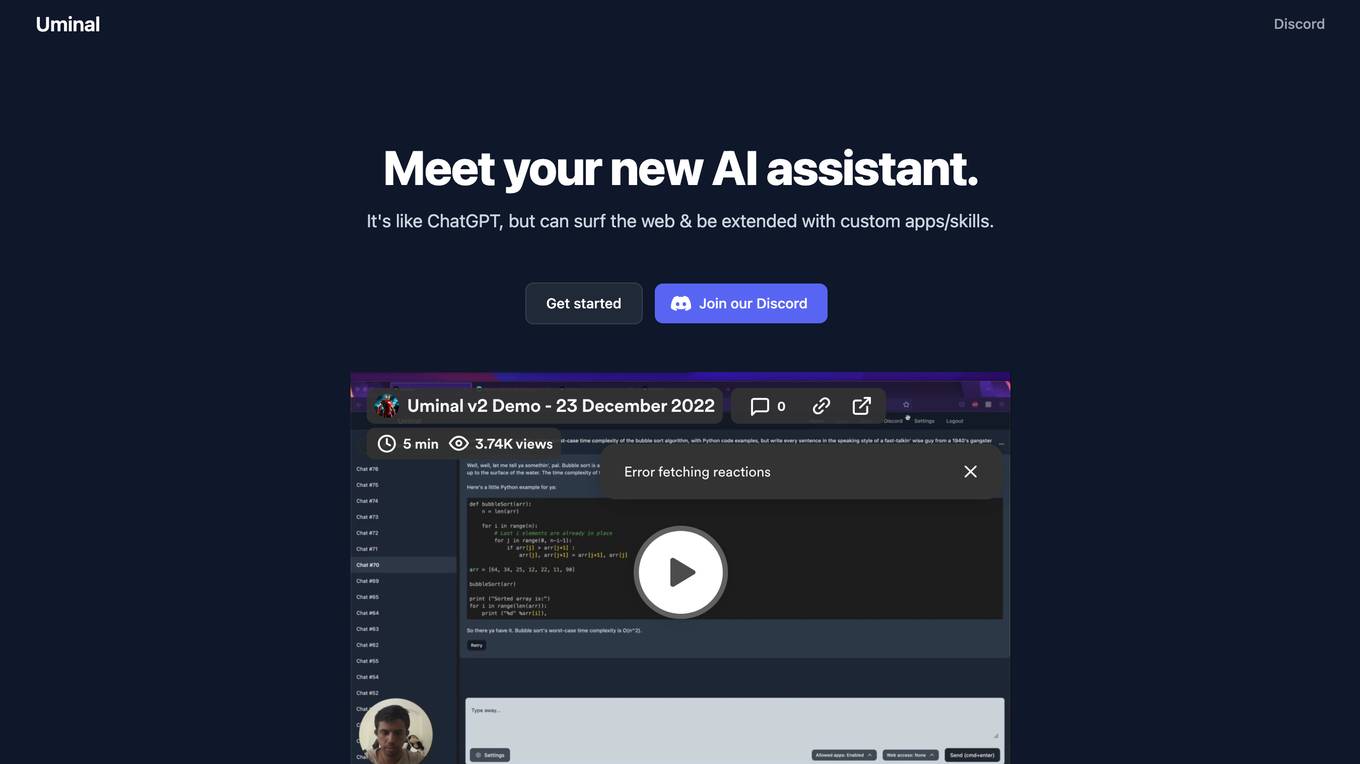
Uminal
Uminal is an AI assistant that can surf the web and be extended with custom apps/skills. It is similar to ChatGPT, but with the added ability to access and process real-time information from the internet.

Supertools
Supertools is a website that provides a curated directory of the best AI tools, organized and categorized in one spot. Users can browse through the latest AI tools, filter by category, and read detailed descriptions of each tool. Supertools also offers a newsletter that delivers the latest AI tools directly to users' inboxes.
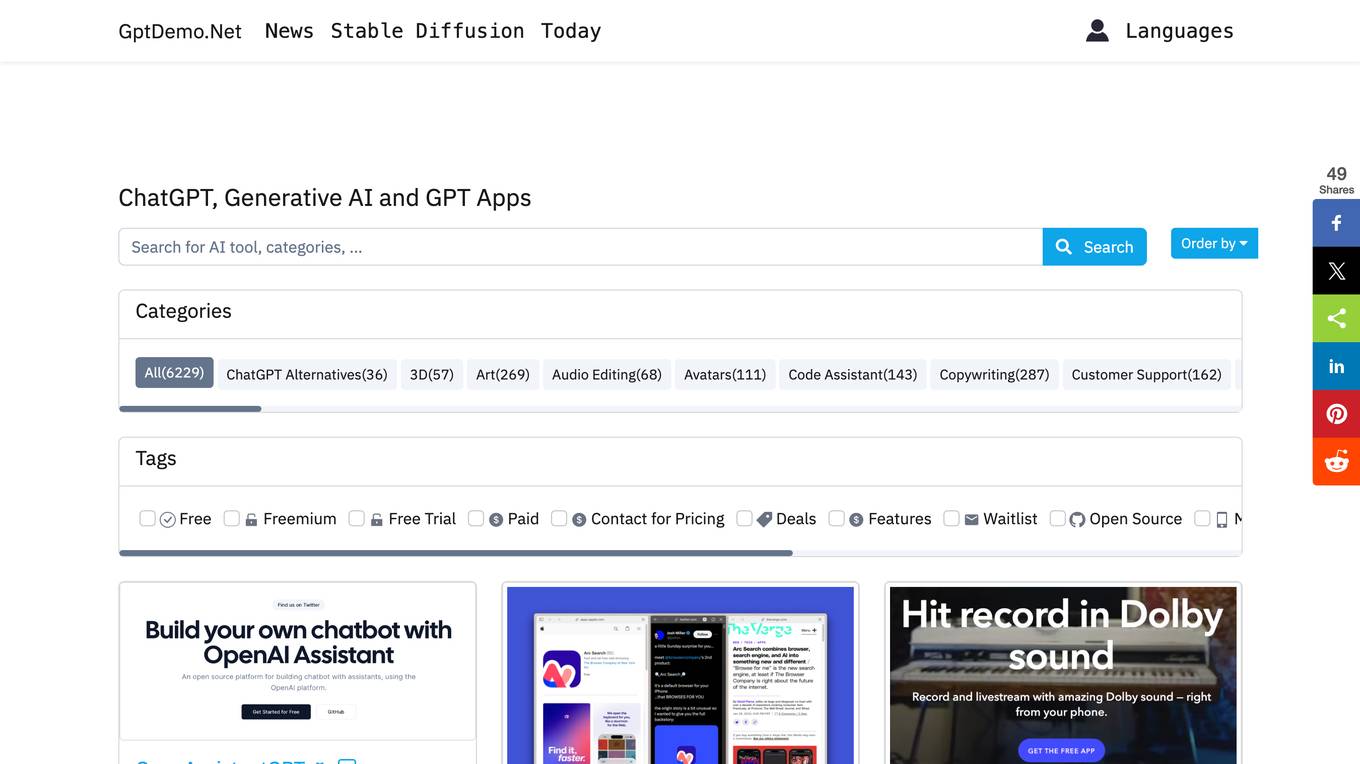
GptDemo.Net
GptDemo.Net is a website that provides a directory of AI tools and resources. The website includes a search engine that allows users to find AI tools based on their needs. GptDemo.Net also provides news and updates on the latest AI developments.
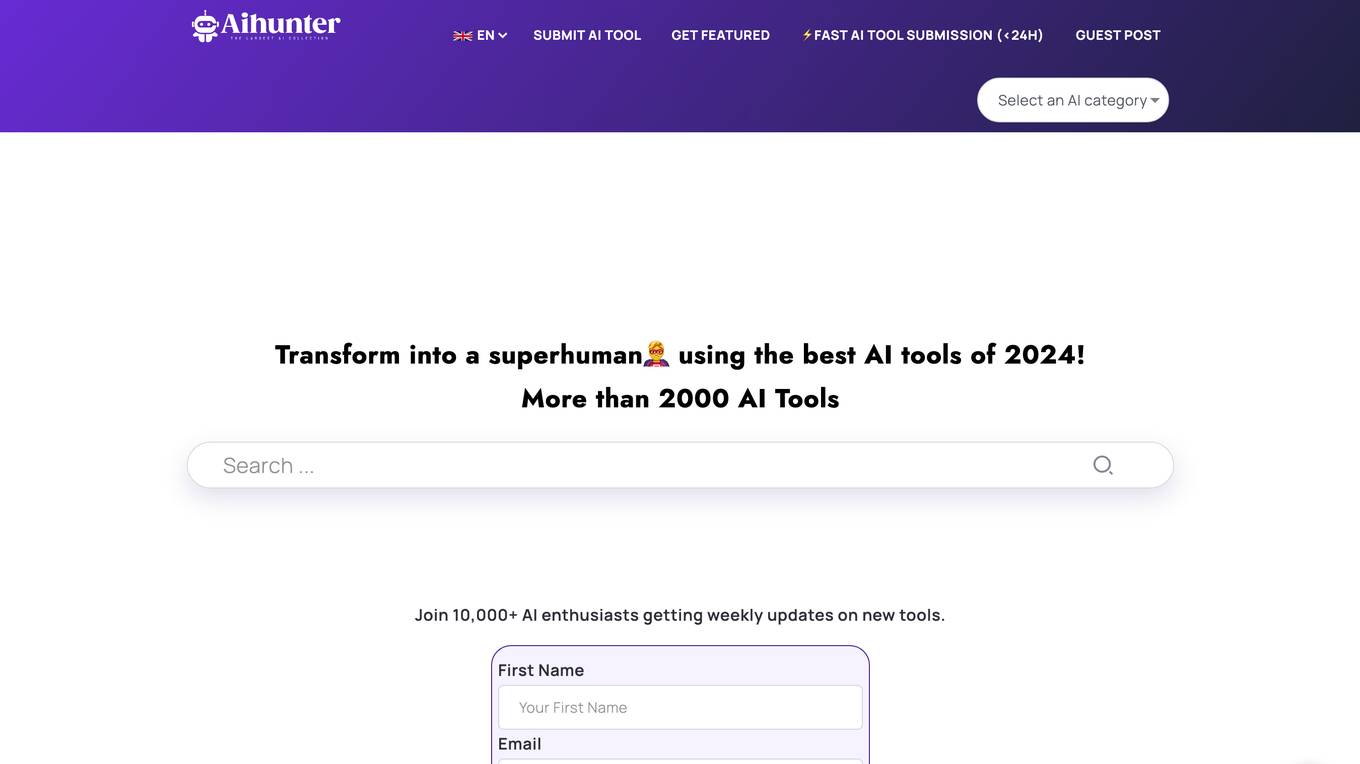
AI-Hunter.io
AI-Hunter.io is a comprehensive AI tools directory that provides access to over 2000 AI tools across various categories. It offers a user-friendly interface for browsing and filtering tools based on categories, features, and pricing. The website also includes a blog section with AI-related news and articles, as well as a glossary of AI terms and a privacy policy.

AI Otaku Labo
AI Otaku Labo is a professional website that provides in-depth reviews and tutorials on various AI tools and applications. The website covers a wide range of AI-related topics, including image generation, video generation, audio generation, text generation, and more. The articles are written by a team of experts with extensive experience in the field of AI. AI Otaku Labo is a valuable resource for anyone who wants to learn more about AI and how to use it to solve real-world problems.
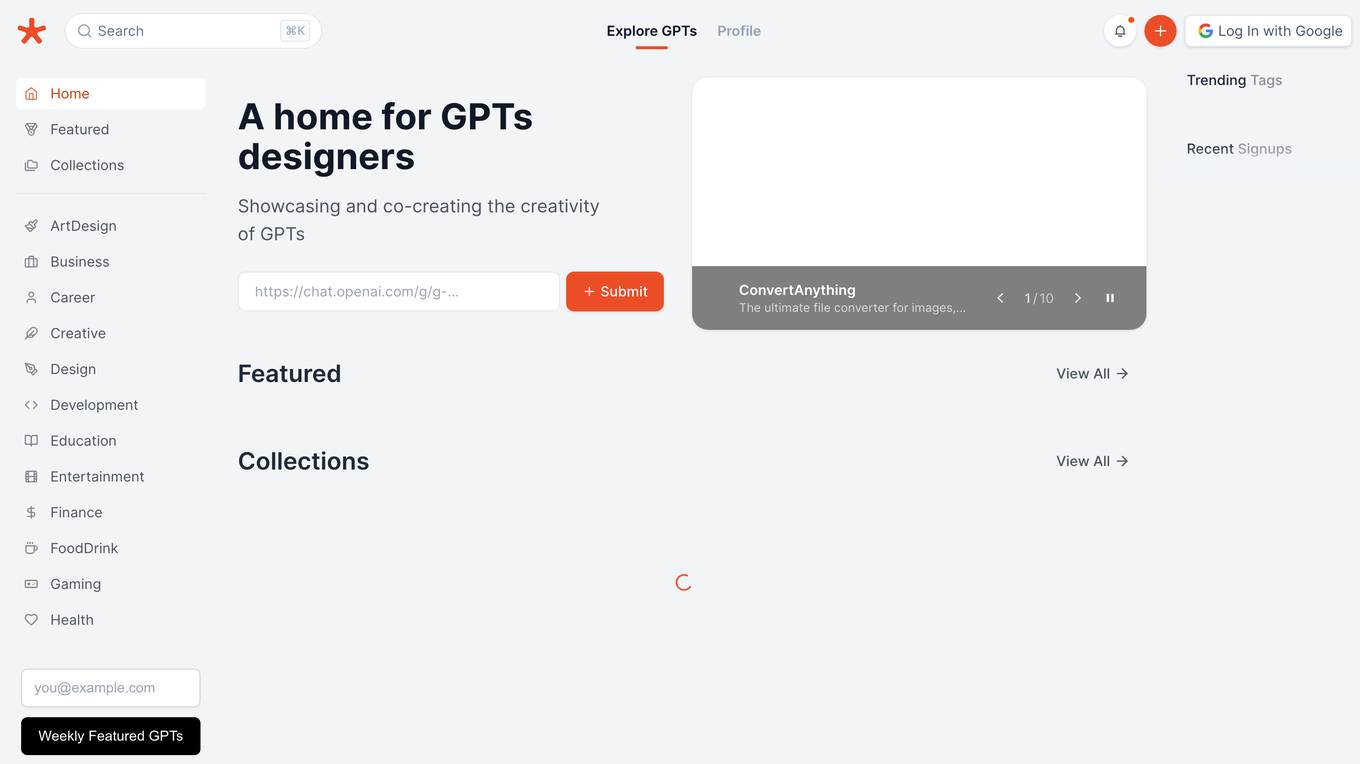
GPTs.Fan
GPTs.Fan is a comprehensive platform dedicated to GPT designers, providing a wealth of resources and support. It offers a vibrant community forum where designers can connect, share knowledge, and collaborate on projects. Additionally, GPTs.Fan features a curated collection of GPT-related tools, tutorials, and articles, empowering designers to stay up-to-date with the latest advancements in the field.
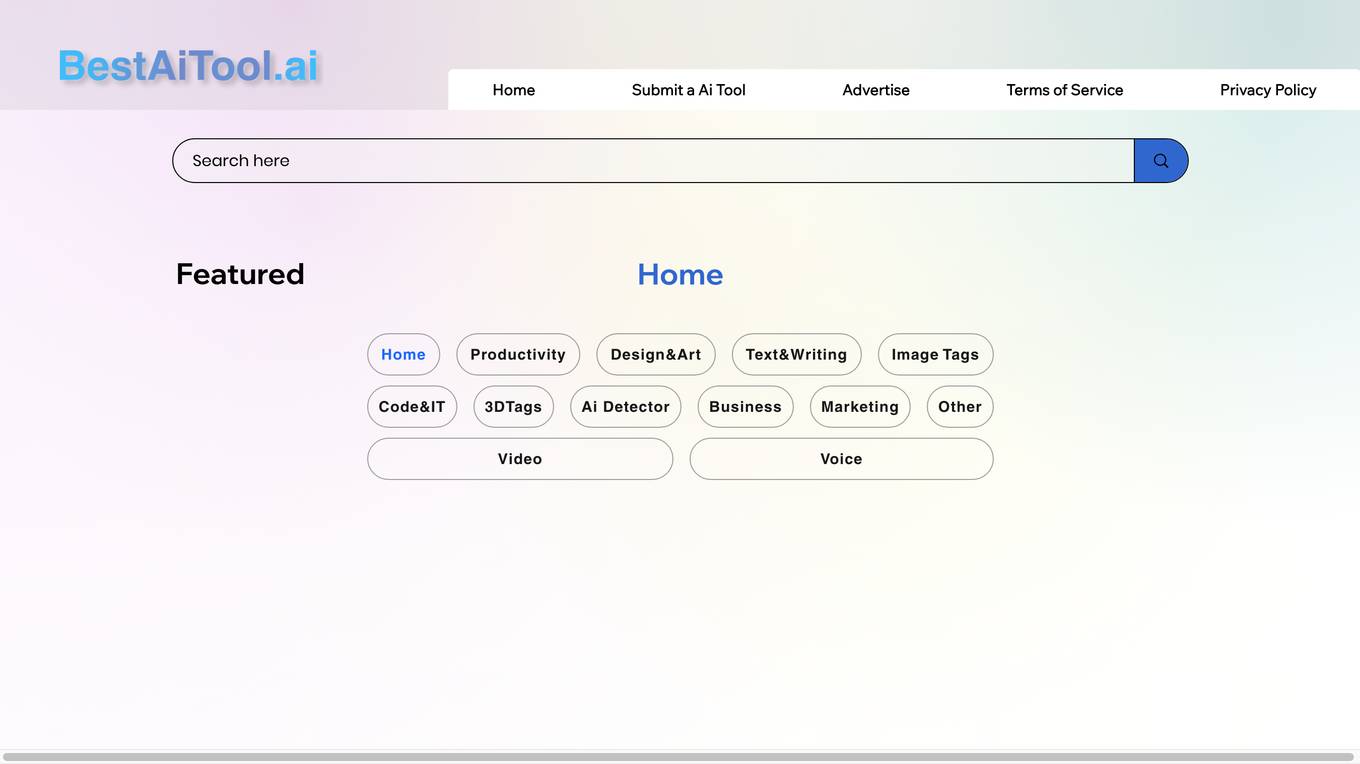
BestAiTool.ai
BestAiTool.ai is a website that helps users find the best AI tools for their needs. The website features a directory of AI tools, as well as reviews and articles about AI. BestAiTool.ai is a valuable resource for anyone who is looking to learn more about AI or find the best AI tools for their business.
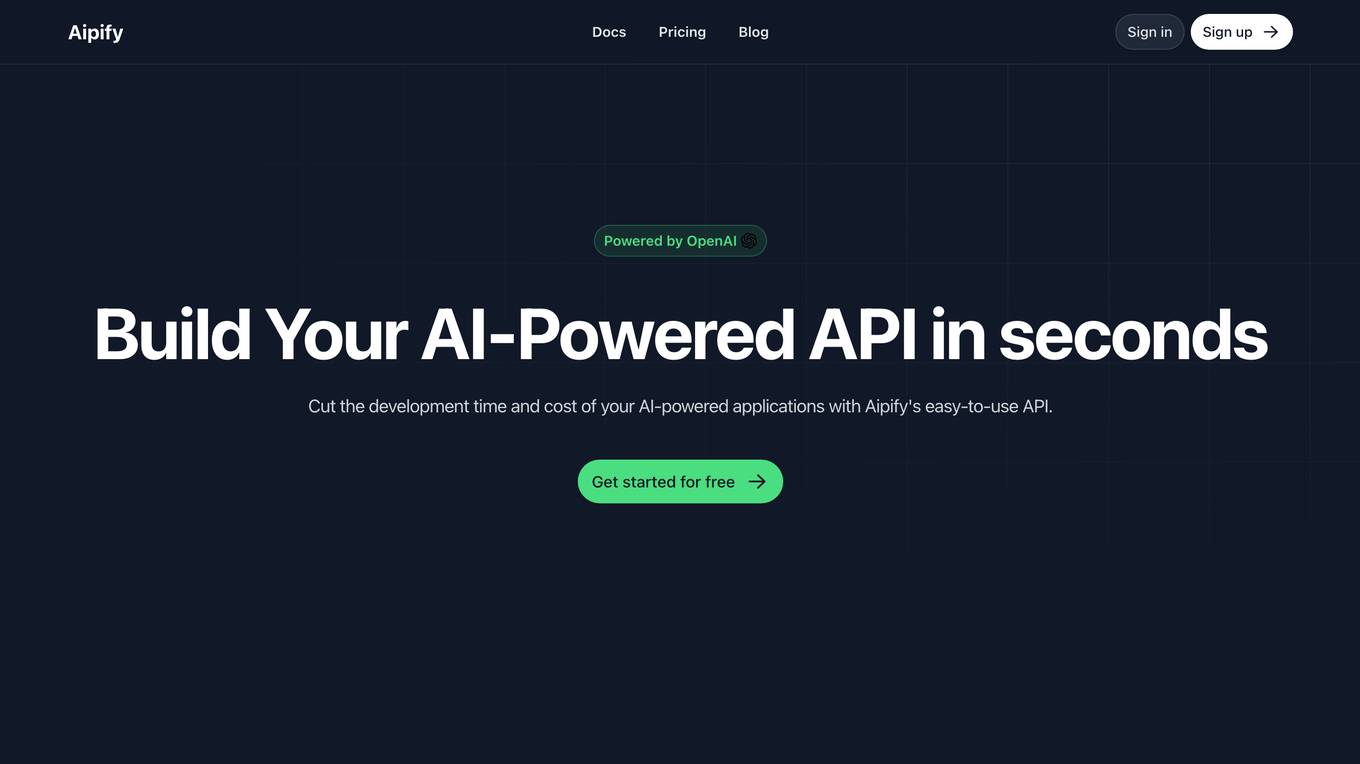
Aipify
Aipify is a platform that allows users to build AI-powered APIs in seconds. With Aipify, users can access the latest AI models, including GPT-4, to enhance their applications' capabilities. Aipify's APIs are easy to use and affordable, making them a great choice for businesses of all sizes.
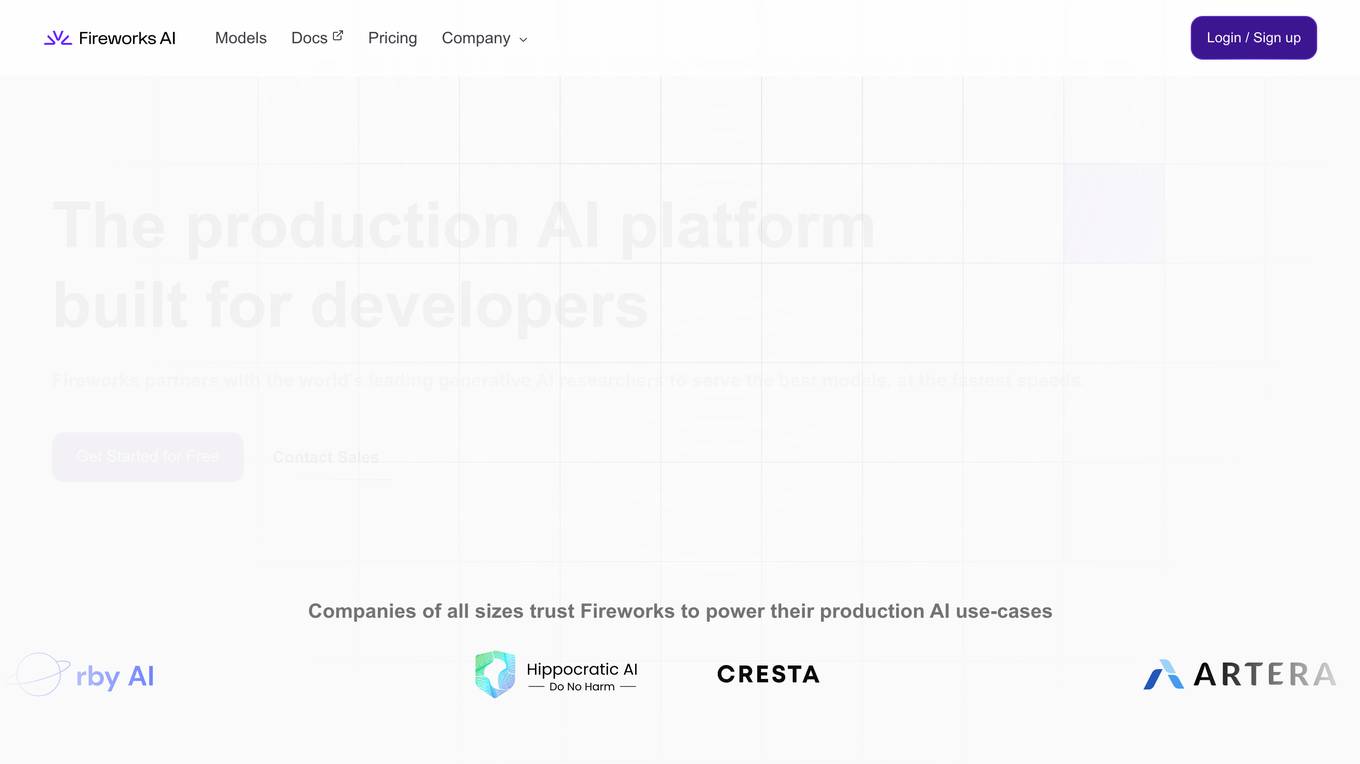
Fireworks
Fireworks is a generative AI platform for product innovation. It provides developers with access to the world's leading generative AI models, at the fastest speeds. With Fireworks, developers can build and deploy AI-powered applications quickly and easily.
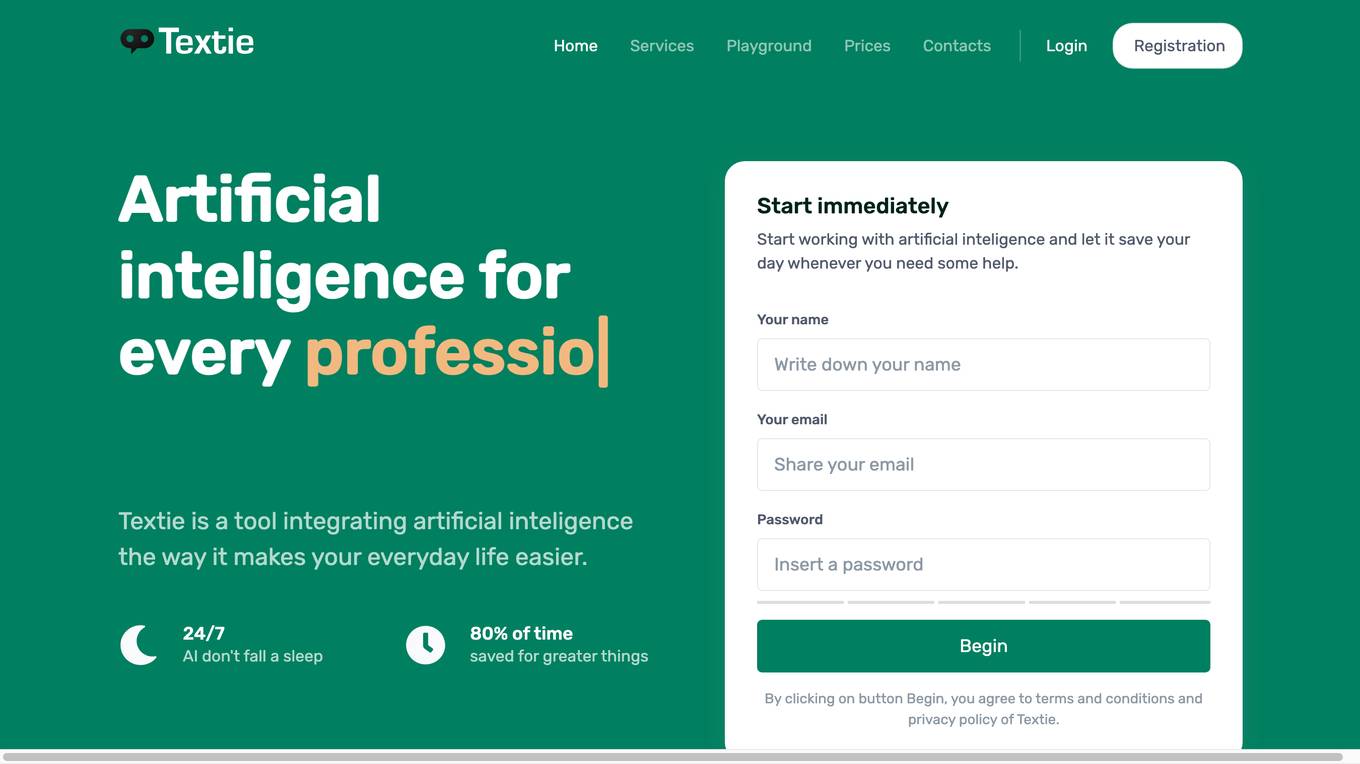
Textie
Textie is an AI-powered tool that helps users generate text, chat with AI, create presentations, work with art and images, and translate documents. It is designed to save users time and effort by automating tasks and providing assistance with a variety of tasks. Textie is easy to use and offers a variety of features and advantages, making it a valuable tool for anyone looking to improve their productivity.
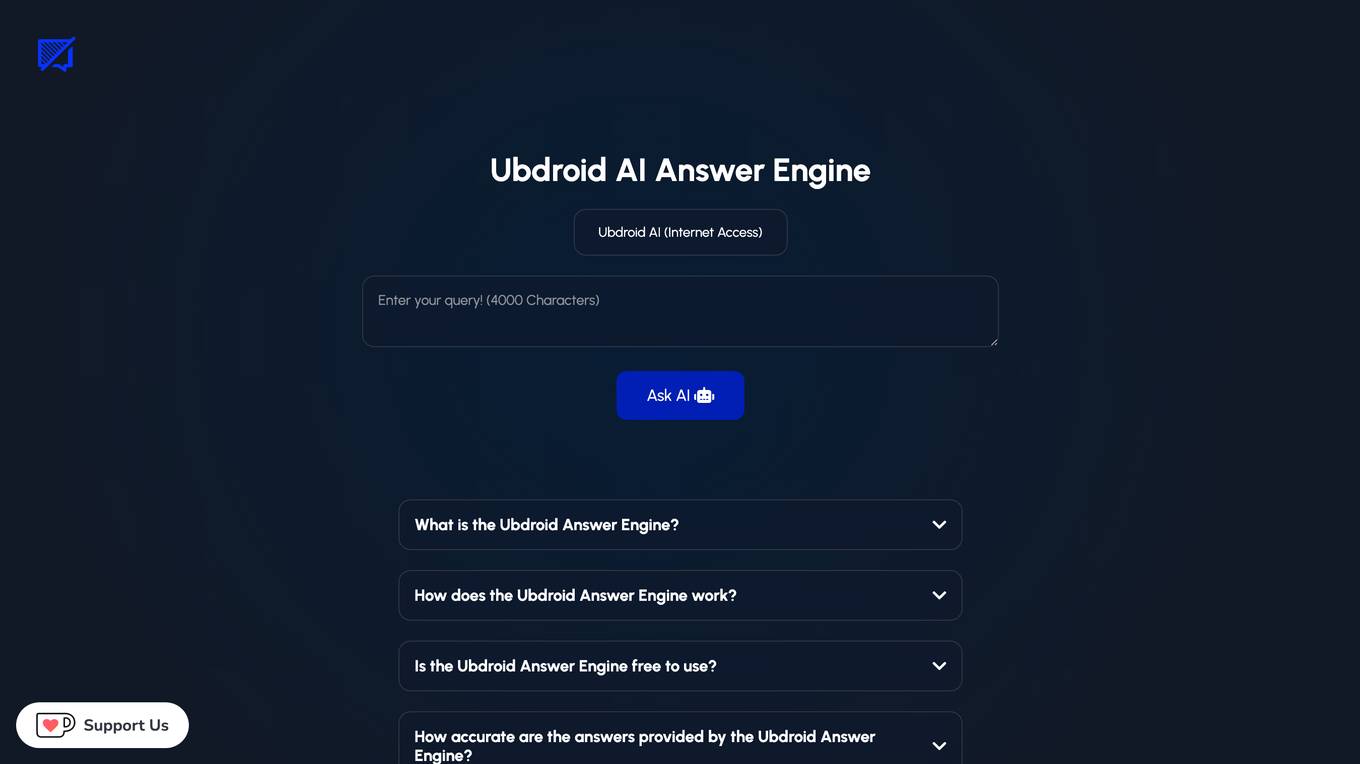
Ubdroid AI Answer Engine
Ubdroid AI Answer Engine is an AI-powered tool that utilizes various open-source LLMs to provide answers to user queries. It works by processing user queries and fetching relevant information from these LLMs. The accuracy of the answers depends on the quality and relevance of the data provided by the LLMs. The free version of the tool has a request limit of 10 requests per minute. If a model is not working, users can select another model.
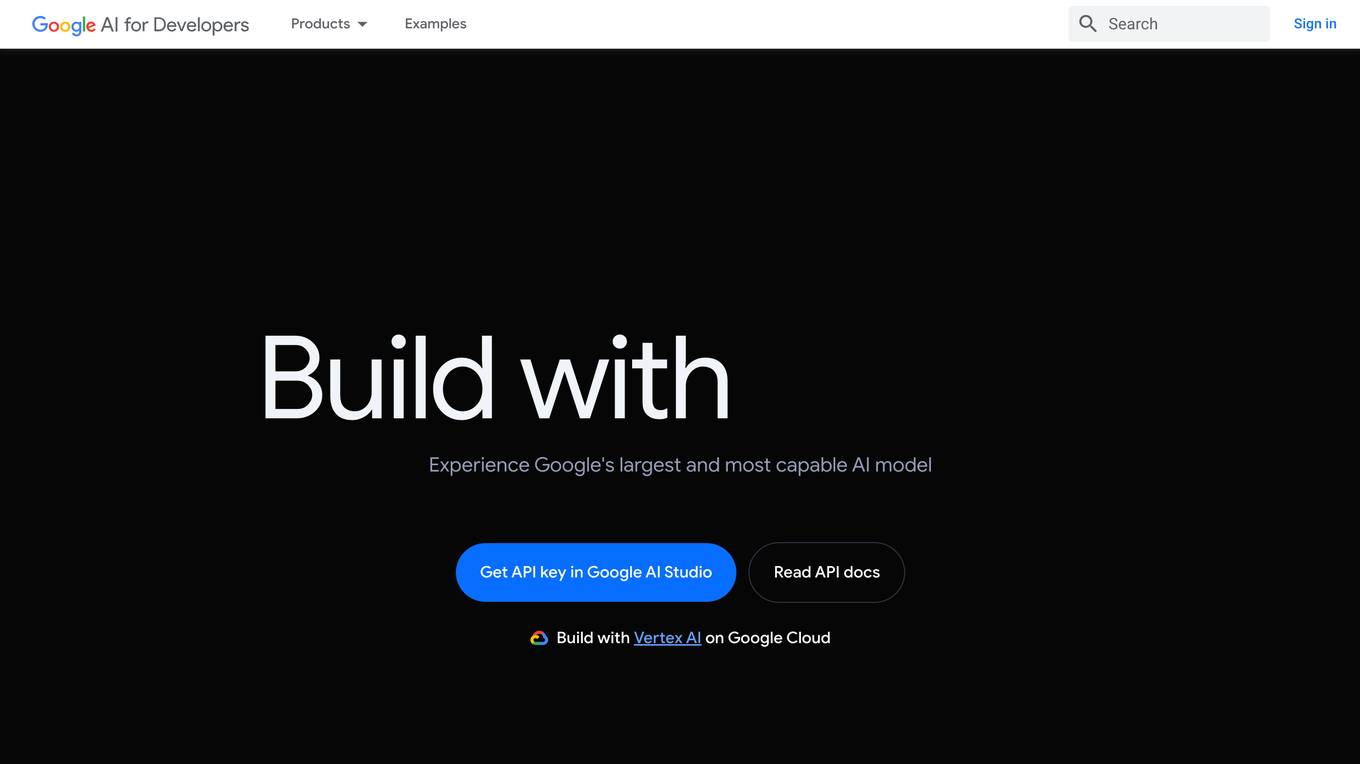
Gemini
Gemini is a large and powerful AI model developed by Google. It is designed to handle a wide variety of text and image reasoning tasks, and it can be used to build a variety of AI-powered applications. Gemini is available in three sizes: Ultra, Pro, and Nano. Ultra is the most capable model, but it is also the most expensive. Pro is the best performing model for a wide variety of tasks, and it is a good value for the price. Nano is the most efficient model, and it is designed for on-device use cases.
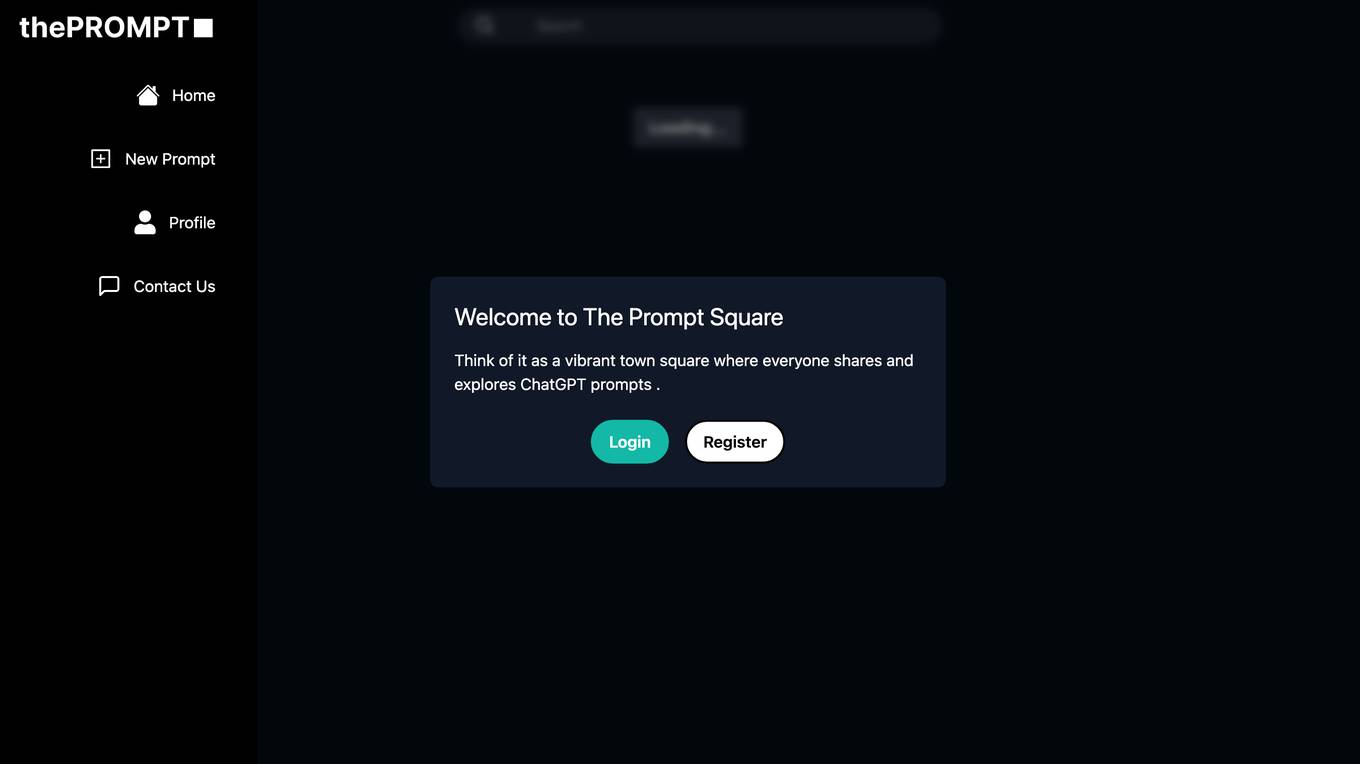
The Prompt Square
The Prompt Square is an online community where users can share and explore ChatGPT prompts. It is a place where people can come together to learn, collaborate, and create. The website features a variety of resources, including a prompt library, a forum, and a blog. The Prompt Square is a great place for anyone who wants to learn more about ChatGPT and how to use it.
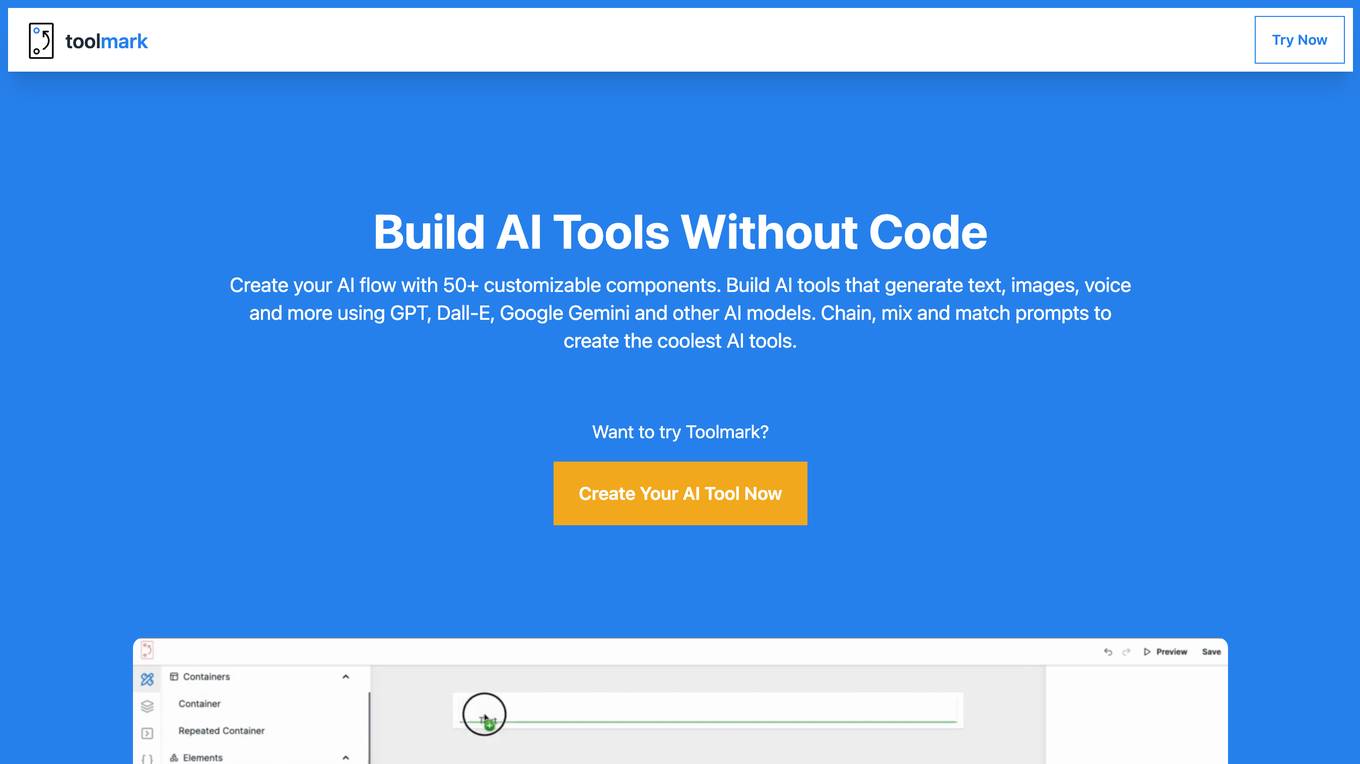
Toolmark.ai
Toolmark.ai is a no-code AI tool builder that allows users to create AI tools without any coding knowledge. With Toolmark.ai, users can build AI tools that generate text, images, voice, and more using GPT, Dall-E, Google Gemini, and other AI models. Toolmark.ai also offers a marketplace where creators can design and sell their AI tools.
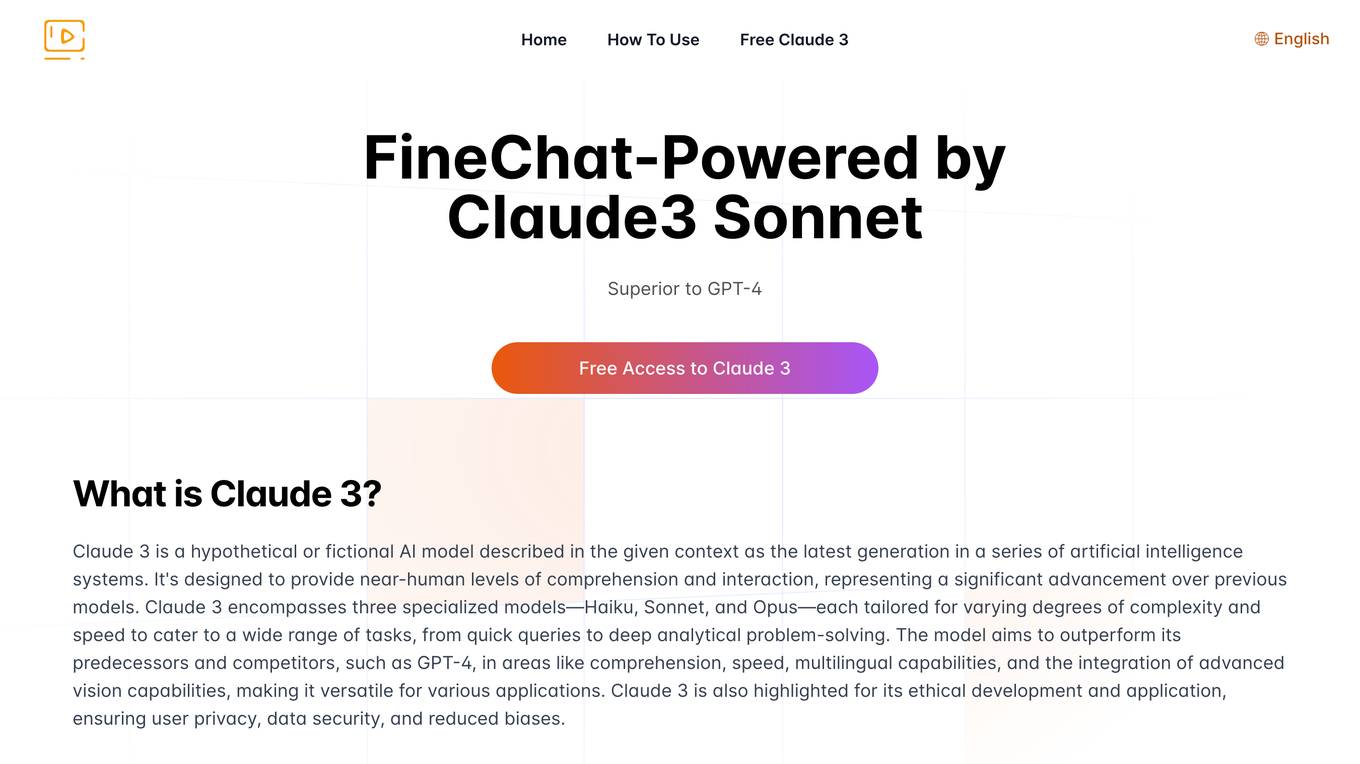
Claude 3
Claude 3 is a hypothetical or fictional AI model described as the latest generation in a series of artificial intelligence systems. It's designed to provide near-human levels of comprehension and interaction, representing a significant advancement over previous models. Claude 3 encompasses three specialized models—Haiku, Sonnet, and Opus—each tailored for varying degrees of complexity and speed to cater to a wide range of tasks, from quick queries to deep analytical problem-solving. The model aims to outperform its predecessors and competitors, such as GPT-4, in areas like comprehension, speed, multilingual capabilities, and the integration of advanced vision capabilities, making it versatile for various applications. Claude 3 is also highlighted for its ethical development and application, ensuring user privacy, data security, and reduced biases.
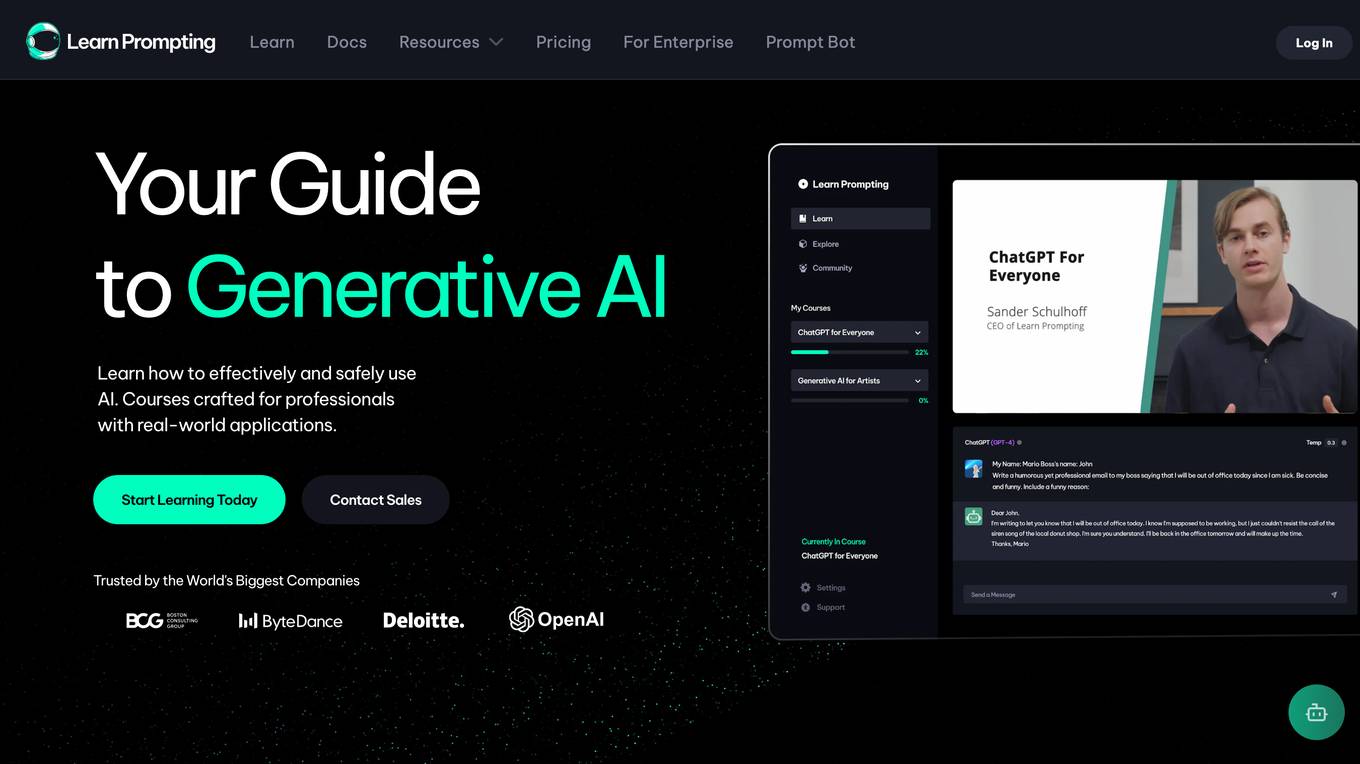
Learn Prompting
Learn Prompting is a free, open-source course that teaches you how to communicate with AI effectively and safely. It covers everything from the basics of AI communication to more advanced techniques, such as prompt engineering and gradient-based techniques. Learn Prompting also has a large Discord community of people who are interested in learning how to prompt. This makes it a great resource for anyone who wants to learn more about AI and how to use it effectively.
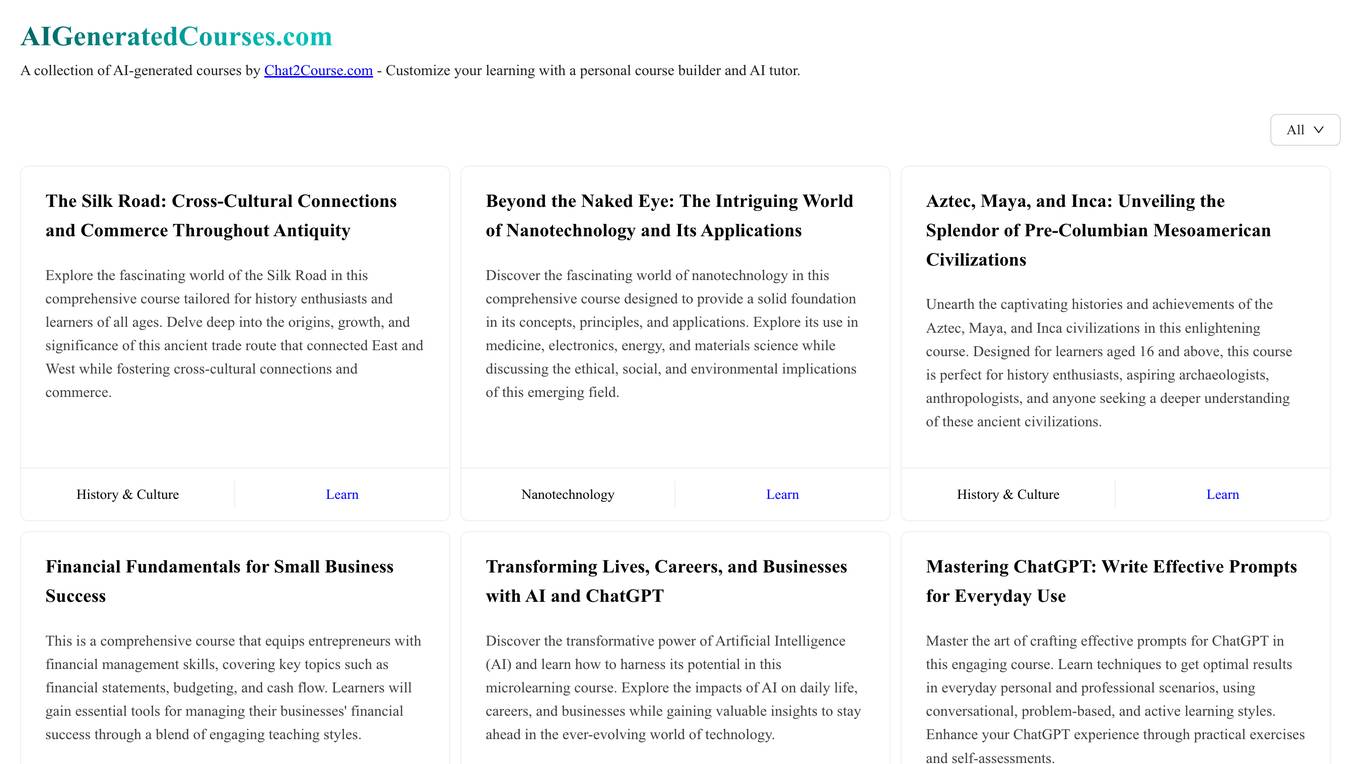
AIGeneratedCourses
AIGeneratedCourses is a collection of AI-generated courses created by Chat2Course.com. These courses are designed to help you learn about a variety of AI-related topics, including machine learning, deep learning, and natural language processing. The courses are easy to follow and are perfect for beginners who want to learn more about AI.

OpenGPT
OpenGPT is a community for Open AI enthusiasts. It provides access to various AI tools such as GPT Store, OpenGPTs, Open Chat, Open Draw, and Open Video. Users can submit their GPTs and earn credits for free access to advanced AI models like Google Gemini Pro, ChatGPT4, DALL.E.3, and Imagen2.
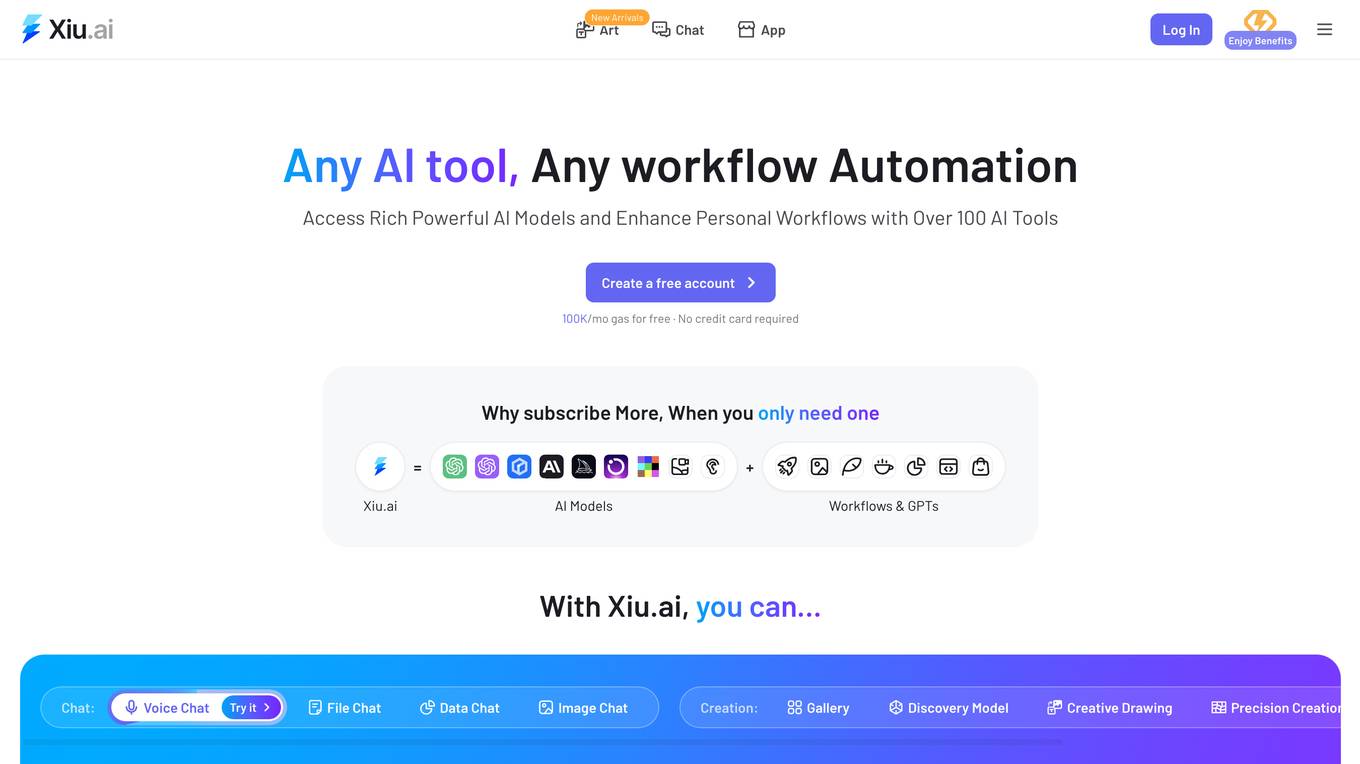
Xiu.ai
Xiu.ai is an all-in-one AI hub that provides access to over 100 AI tools for text, voice, image, video, and code. It offers a range of features and advantages that make it suitable for busy professionals, students, parents, and anyone striving for excellence. With Xiu.ai, users can simplify daily tasks, enhance work quality, and unleash their creativity.

Apply AI
This website provides a platform for users to apply artificial intelligence (AI) to their work. Users can access a variety of AI tools and resources, including pre-trained models, datasets, and tutorials. The website also provides a community forum where users can connect with other AI enthusiasts and experts.
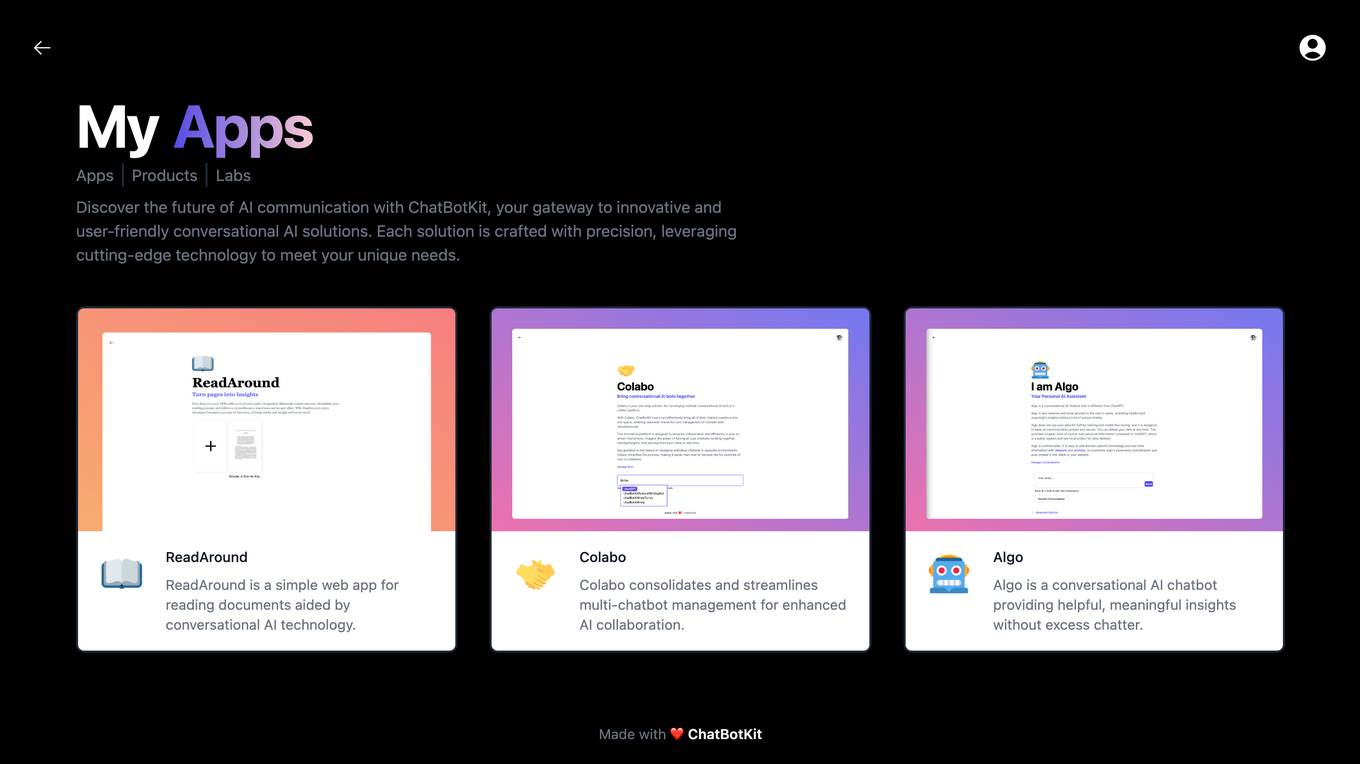
ChatBotKit
ChatBotKit offers a suite of innovative conversational AI solutions designed to meet your unique needs. Our solutions are crafted with precision, leveraging cutting-edge technology to enhance communication and collaboration. With ChatBotKit, you can explore a range of AI-powered applications, including ReadAround, Colabo, and Algo, each tailored to specific requirements.
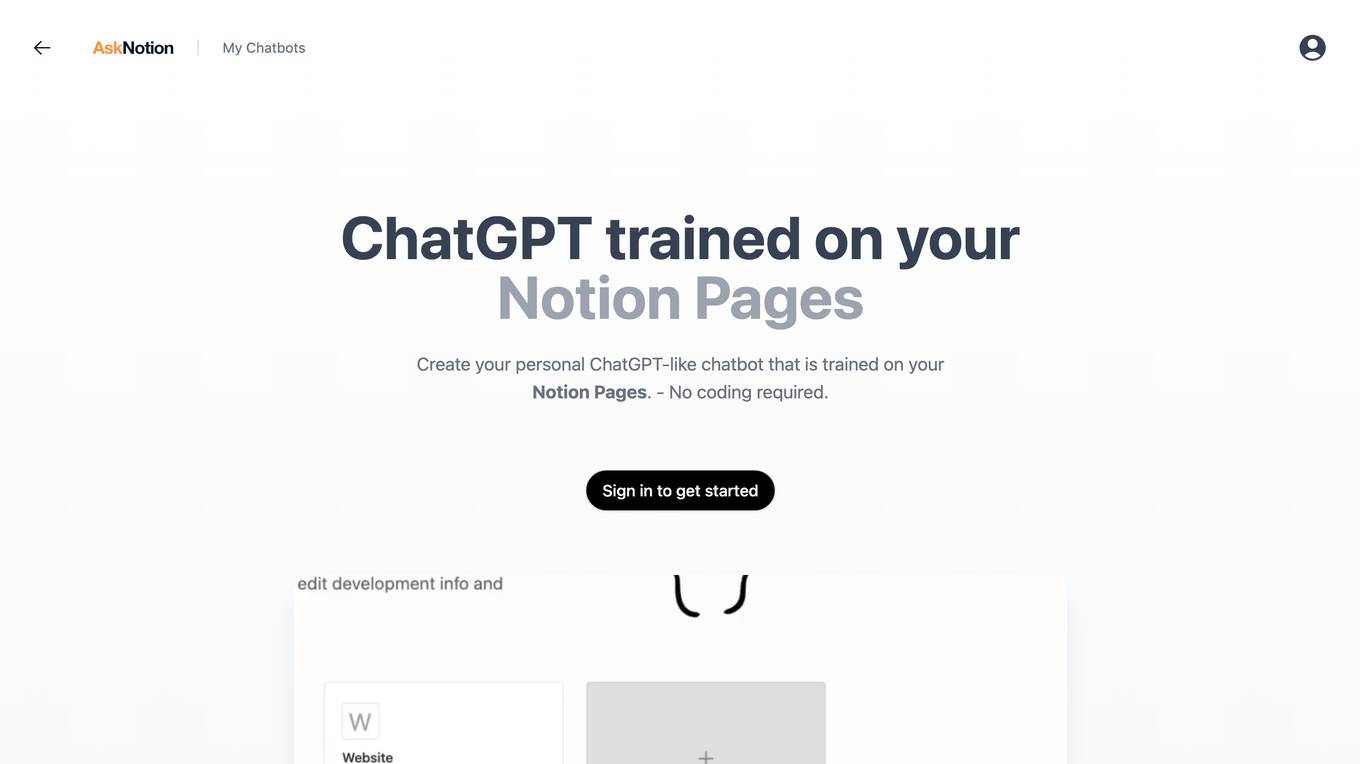
AskNotion
AskNotion is a tool that allows you to create your own personal ChatGPT-like chatbot that is trained on your Notion pages. With AskNotion, you can have conversations with your Notion pages, ask questions, and get answers. AskNotion is easy to use and requires no coding. You can get started with a 5-day risk-free trial.
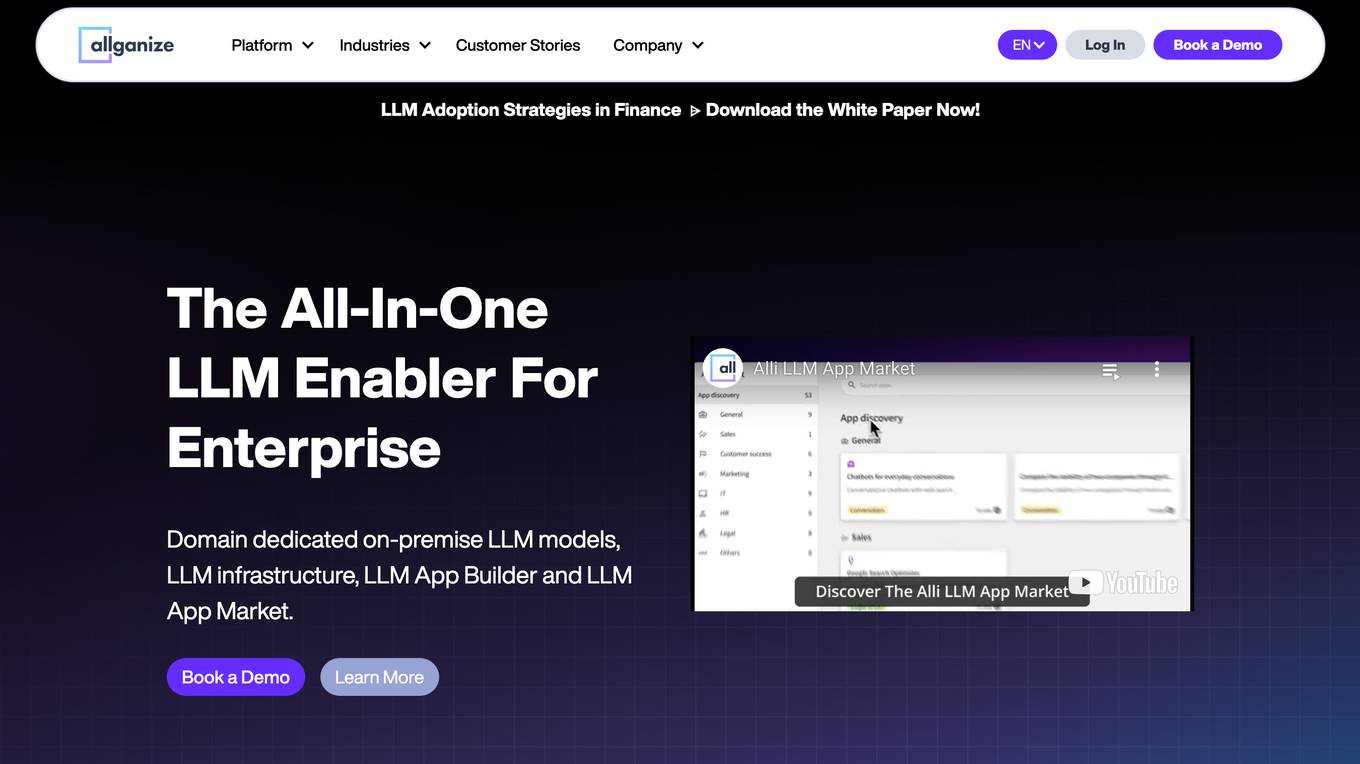
Allganize
Allganize Inc. is a leading provider of enterprise AI solutions. Their platform enables businesses to build and deploy custom AI applications without the need for coding. Allganize's solutions are used by a variety of industries, including financial services, healthcare, and manufacturing.
Iconi Ai
Iconi Ai is an all-in-one platform that provides a suite of AI-powered tools to help businesses and individuals create and manage content, generate code, and automate tasks. With Iconi Ai, users can generate text, images, code, chatbots, and more, all with just a few clicks. The platform also includes a range of features to help users track their progress, manage their team, and get support. Iconi Ai is a powerful tool that can help businesses and individuals save time, money, and effort while creating high-quality content and code.
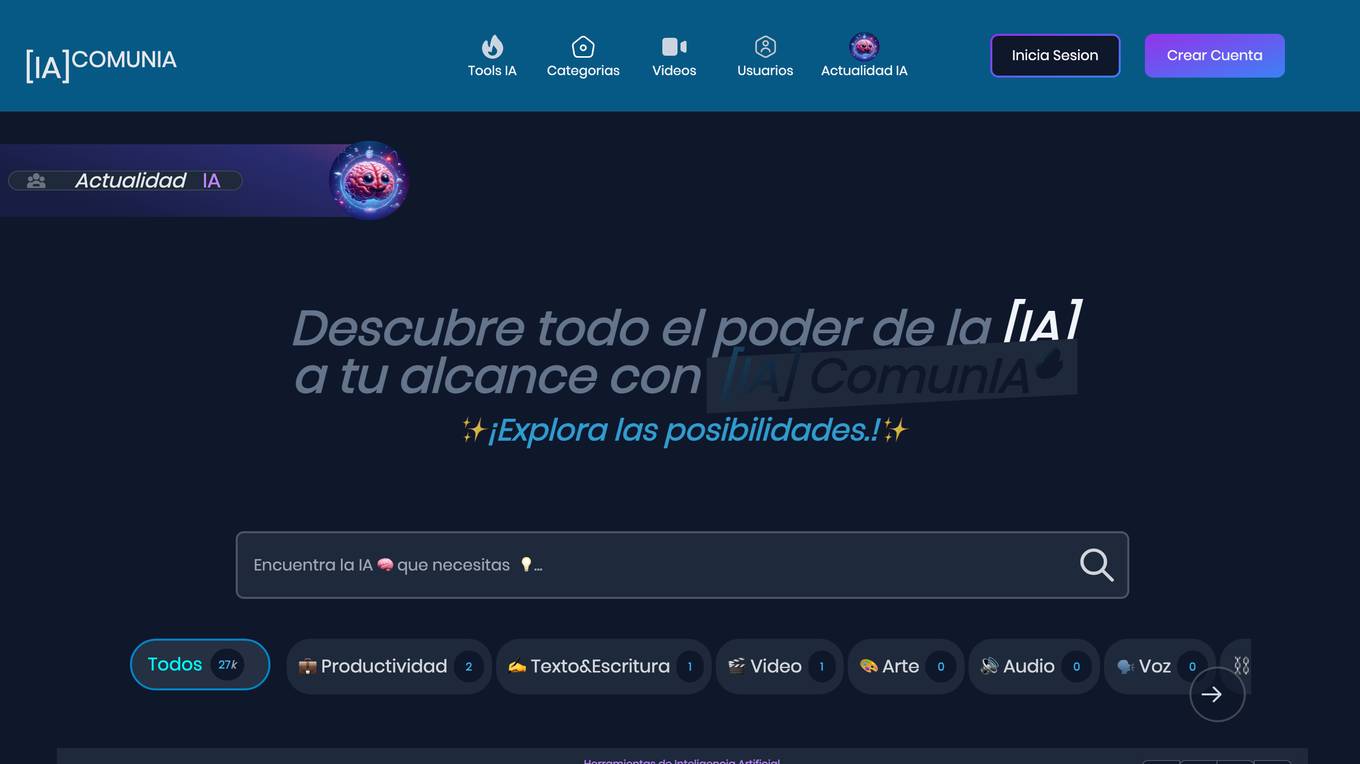
IAComunia
IAComunia is a directory of artificial intelligence tools. It provides a comprehensive list of AI tools organized into categories and subcategories. Users can discover, explore, and discuss the latest AI tools. IAComunia also has an active community where users can connect with other AI enthusiasts and share knowledge.
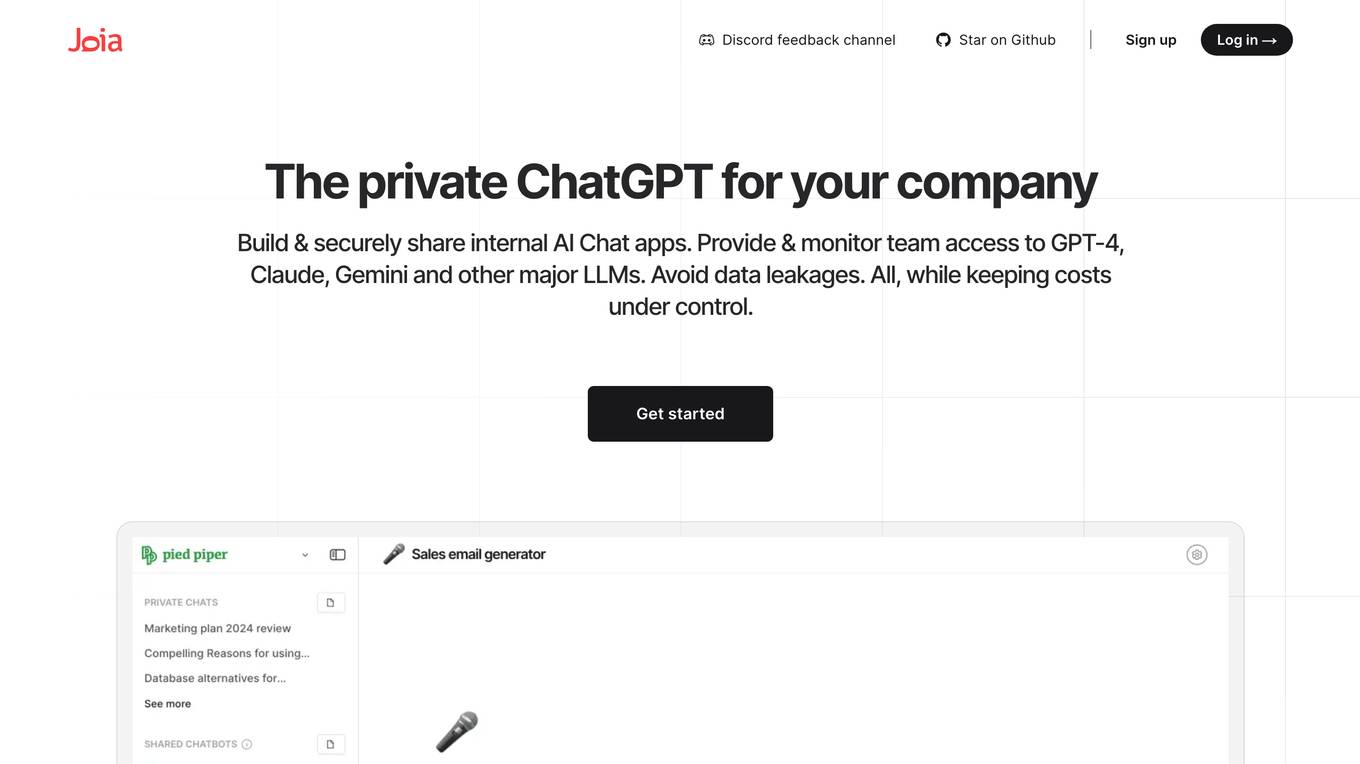
Joia
Joia is a private ChatGPT alternative built for collaboration within teams. It provides secure access to various large language models (LLMs) like GPT-4, Claude, and Gemini, allowing teams to build and share internal AI chat applications. Joia prioritizes data security, cost control, and offers a more affordable option compared to ChatGPT for Teams, with savings of up to 70%. It enables users to experiment with different LLMs and create personalized chatbots for repetitive tasks, enhancing team collaboration and efficiency.

Aigclist
Aigclist is a website that provides a directory of AI tools and resources. The website is designed to help users find the right AI tools for their needs. Aigclist also provides information on AI trends and news.
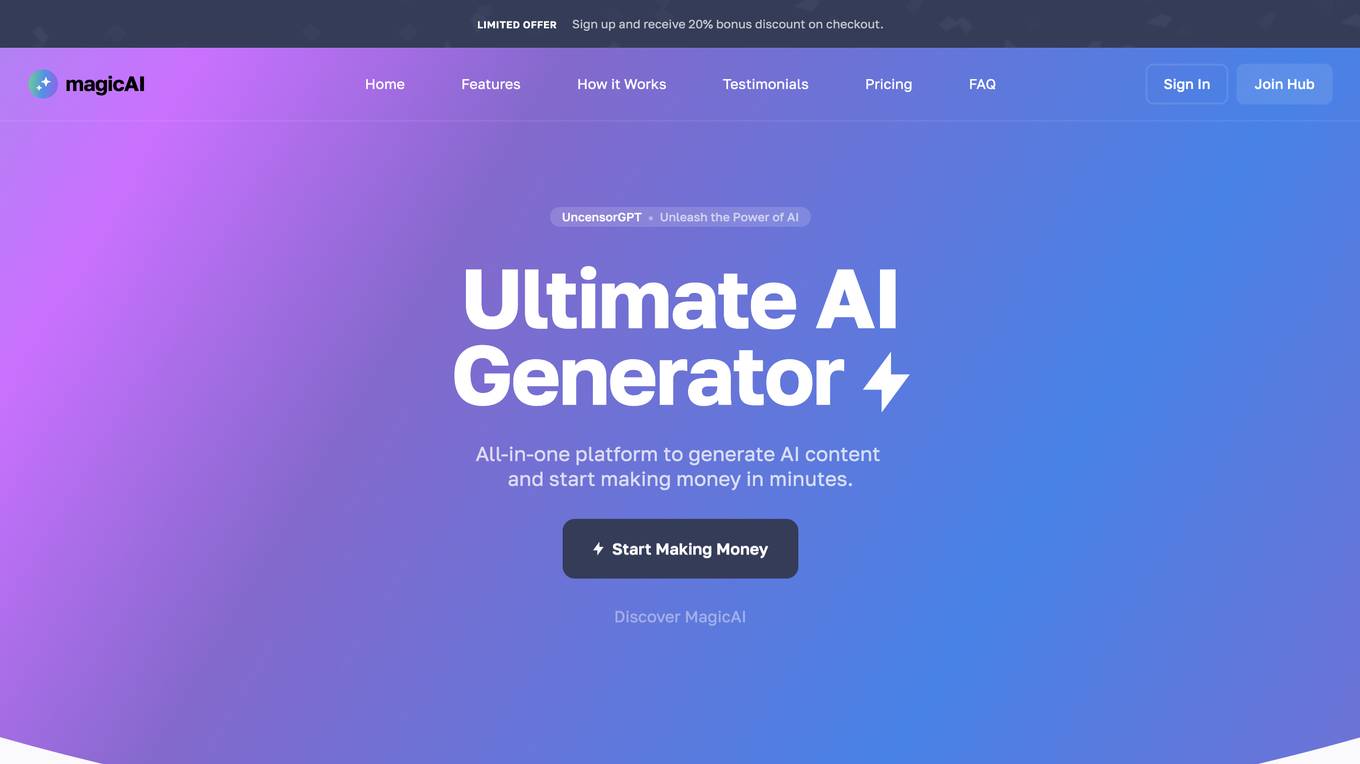
UncensorGPT
UncensorGPT is an all-in-one platform that allows users to generate AI content and start making money in minutes. It offers a variety of features, including an AI text generator, AI image generator, AI code generator, AI chatbot, and AI speech-to-text converter. UncensorGPT is designed to be easy to use, even for beginners, and it offers a variety of pricing plans to fit any budget.
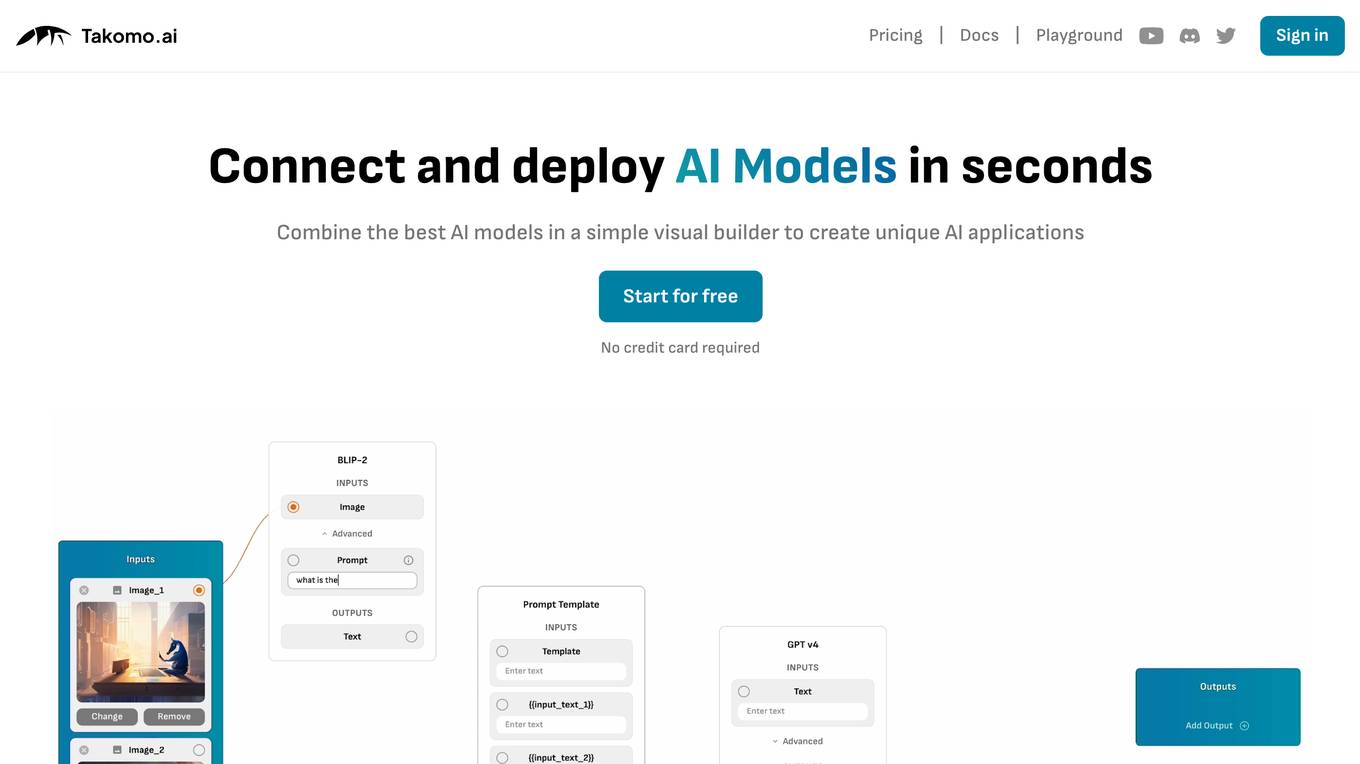
Takomo.ai
Takomo.ai is a no-code AI builder that allows users to connect and deploy AI models in seconds. With Takomo.ai, users can combine the best AI models in a simple visual builder to create unique AI applications. Takomo.ai offers a variety of features, including a drag-and-drop builder, pre-trained ML models, and a single API call for accessing multi-model pipelines.
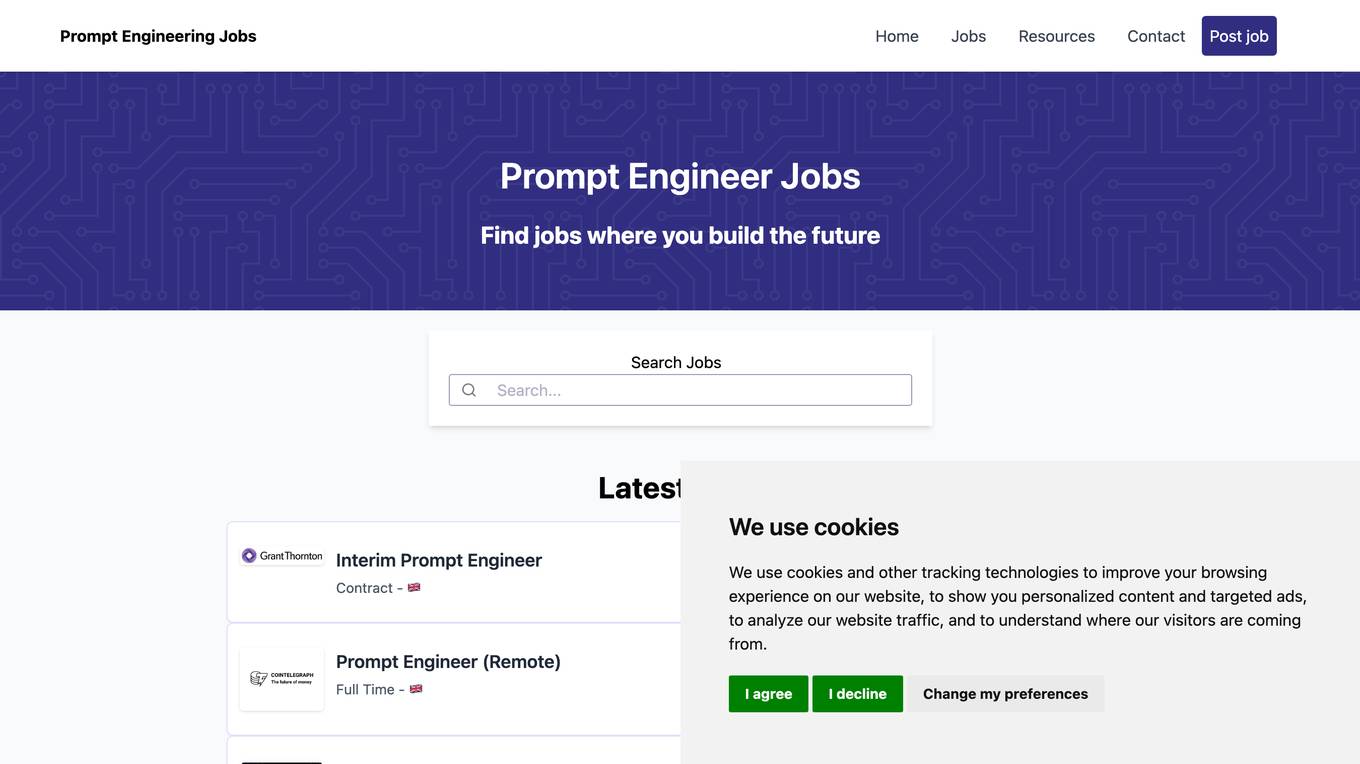
Prompt Engineering Jobs
This website is a job board specifically for prompt engineering jobs. It provides a list of the latest prompt engineering jobs, as well as resources for prompt engineering. The website is designed to help people find jobs in the field of prompt engineering and to learn more about the field.
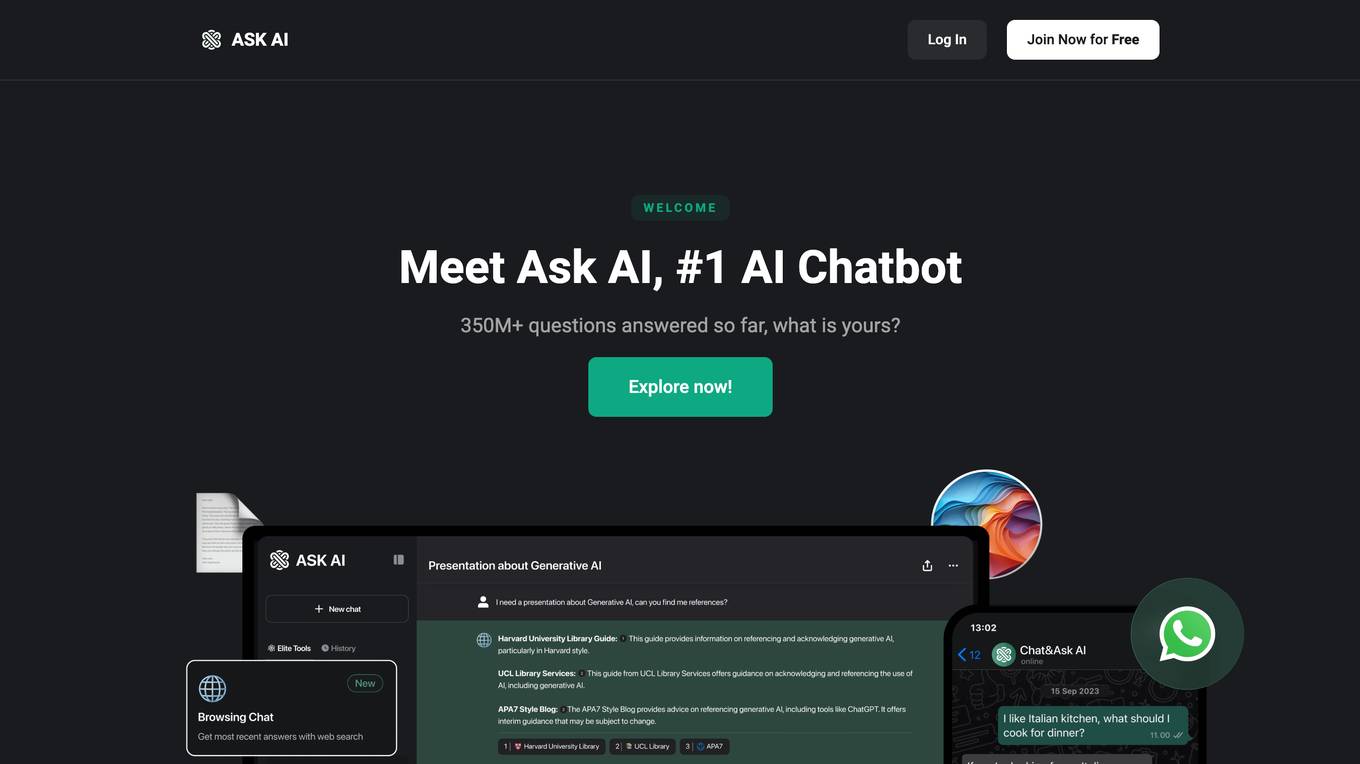
Ask AI
Ask AI is an AI-powered chat bot assistant that can help you with a variety of tasks, including answering your questions, providing information, and generating text. It is designed to be easy to use and can be accessed from any device with an internet connection.
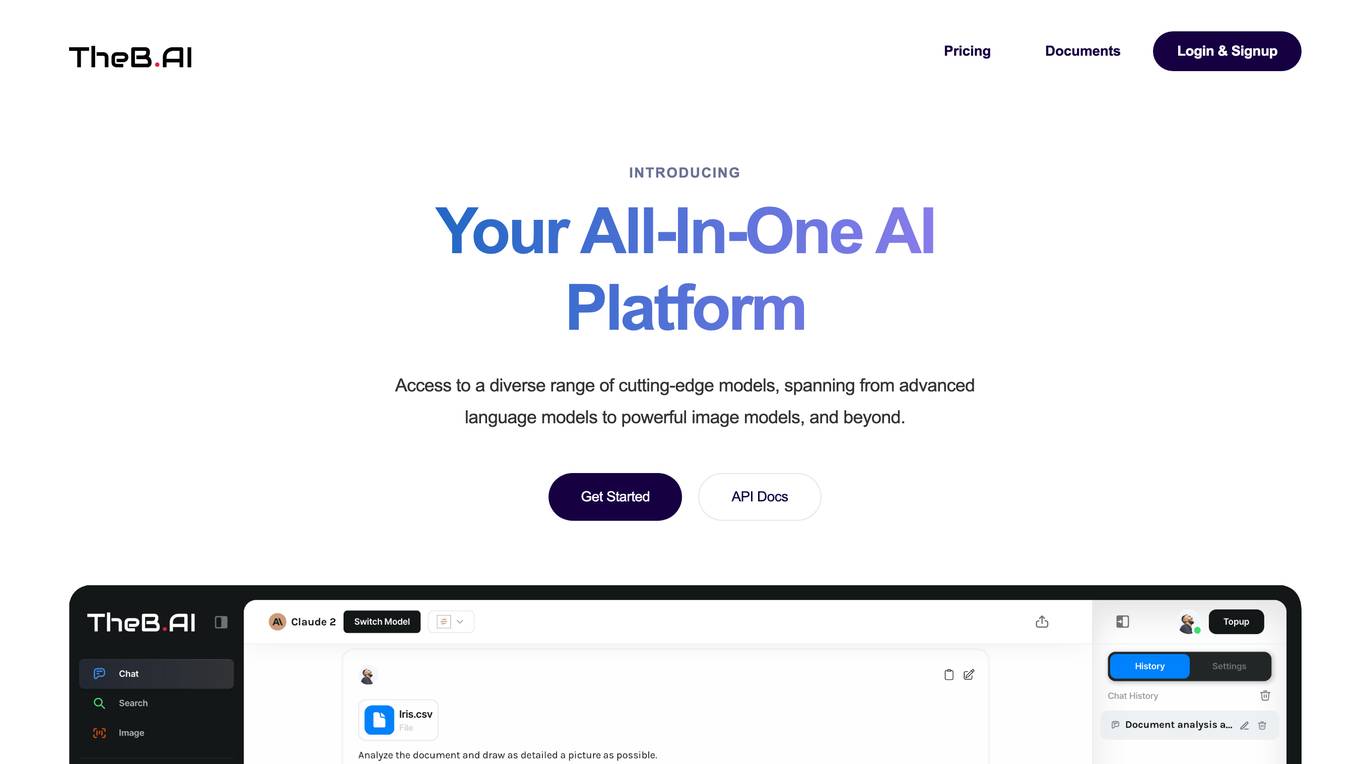
TheB.AI
TheB.AI is an all-in-one AI platform that provides access to a diverse range of cutting-edge models, spanning from advanced language models to powerful image models, and beyond. It offers an easy-to-use web app and a powerful unified API for developers to build their own AI applications. TheB.AI's key features include real-time search, customizable model personas, long-term memory, and image generation.
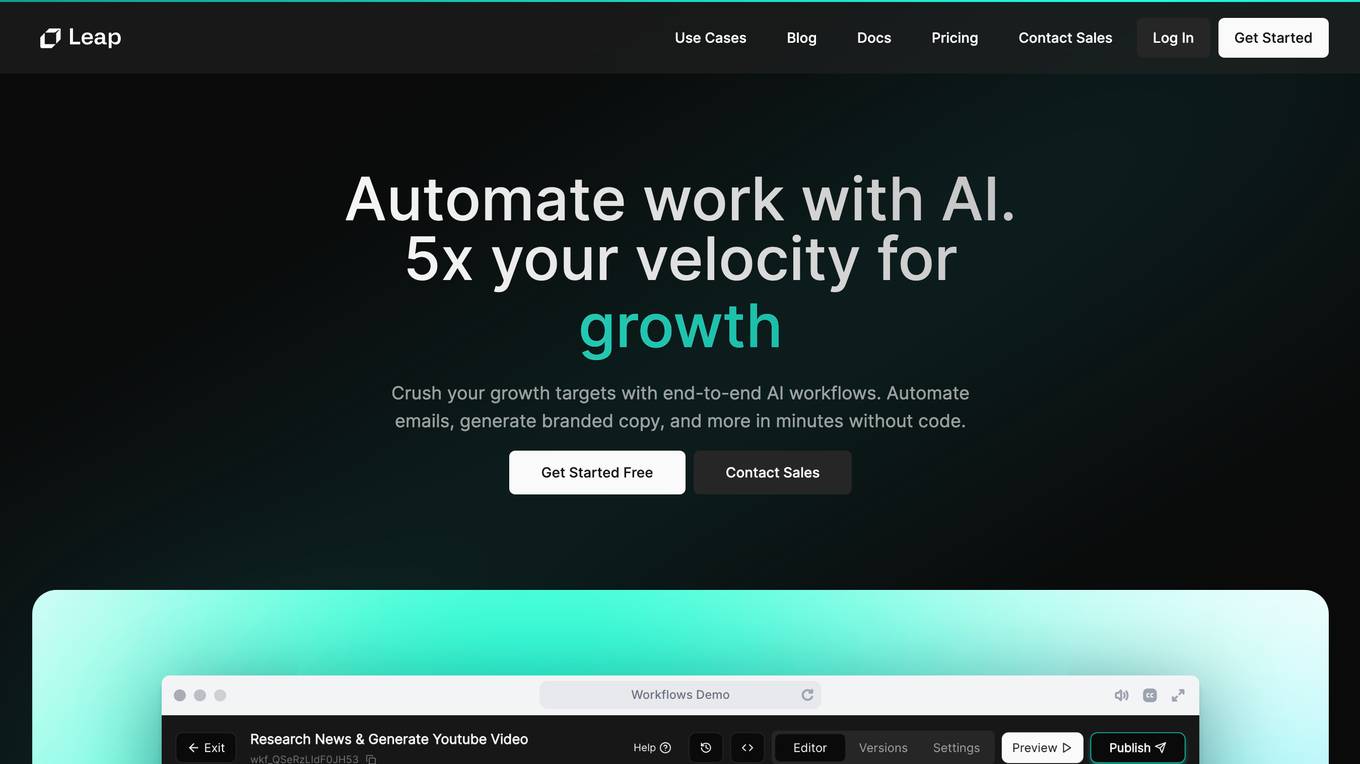
Leap AI
Leap AI is a no-code AI workflow automation platform that enables businesses to automate tasks, streamline processes, and enhance productivity. With Leap AI, users can easily connect their favorite tools and leverage best-in-class AI models for text, image, audio, and more. The platform offers a range of features designed to accelerate growth, including effortless automation, seamless AI integrations, zero maintenance, streamlined collaboration, and complete control and flexibility.
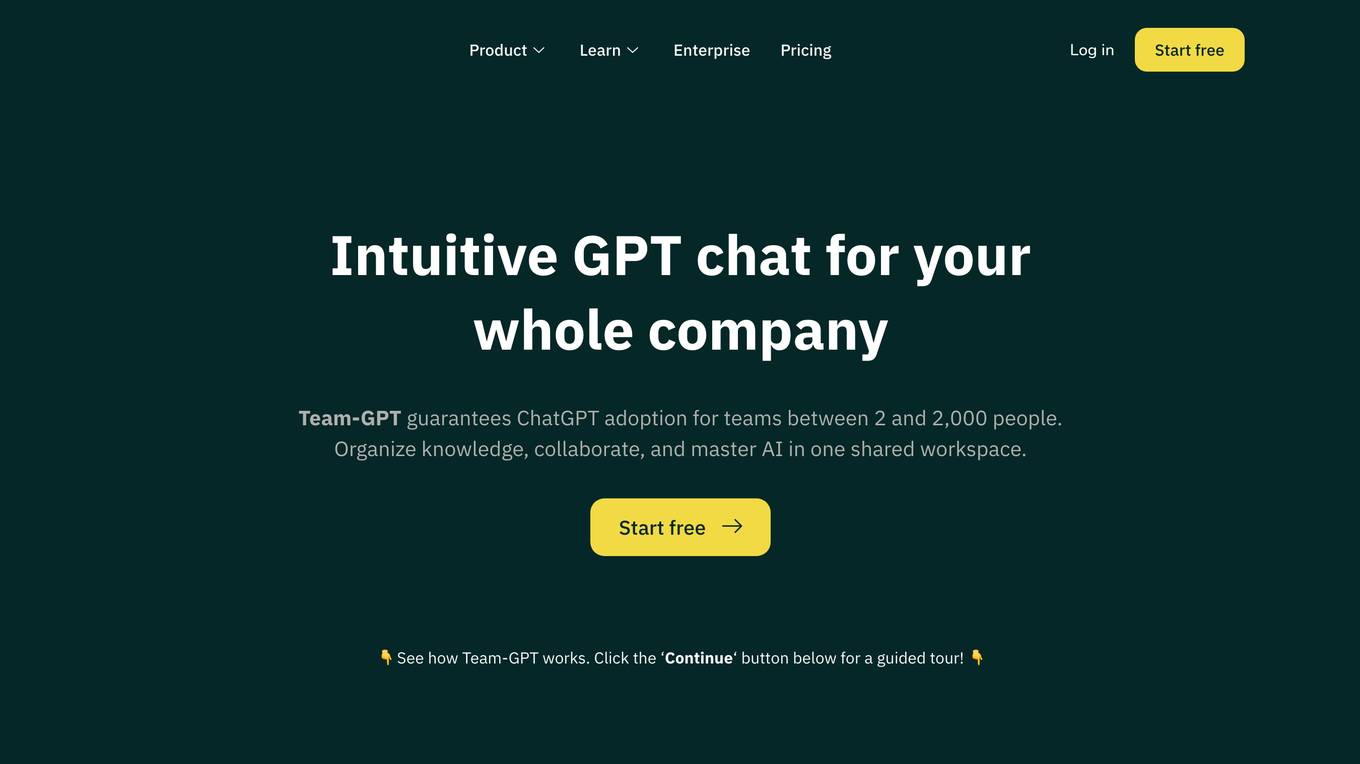
Team-GPT
Team-GPT is an enterprise AI software designed for teams ranging from 2 to 5,000 members. It provides a shared workspace where teams can organize knowledge, collaborate, and master AI. The platform offers features such as folders and subfolders for organizing chats, a prompt library with ready-to-use templates, and adoption reports to measure AI adoption rates. Team-GPT aims to make ChatGPT more accessible and cost-effective for teams by providing pay-per-use pricing and priority access to the OpenAI API.
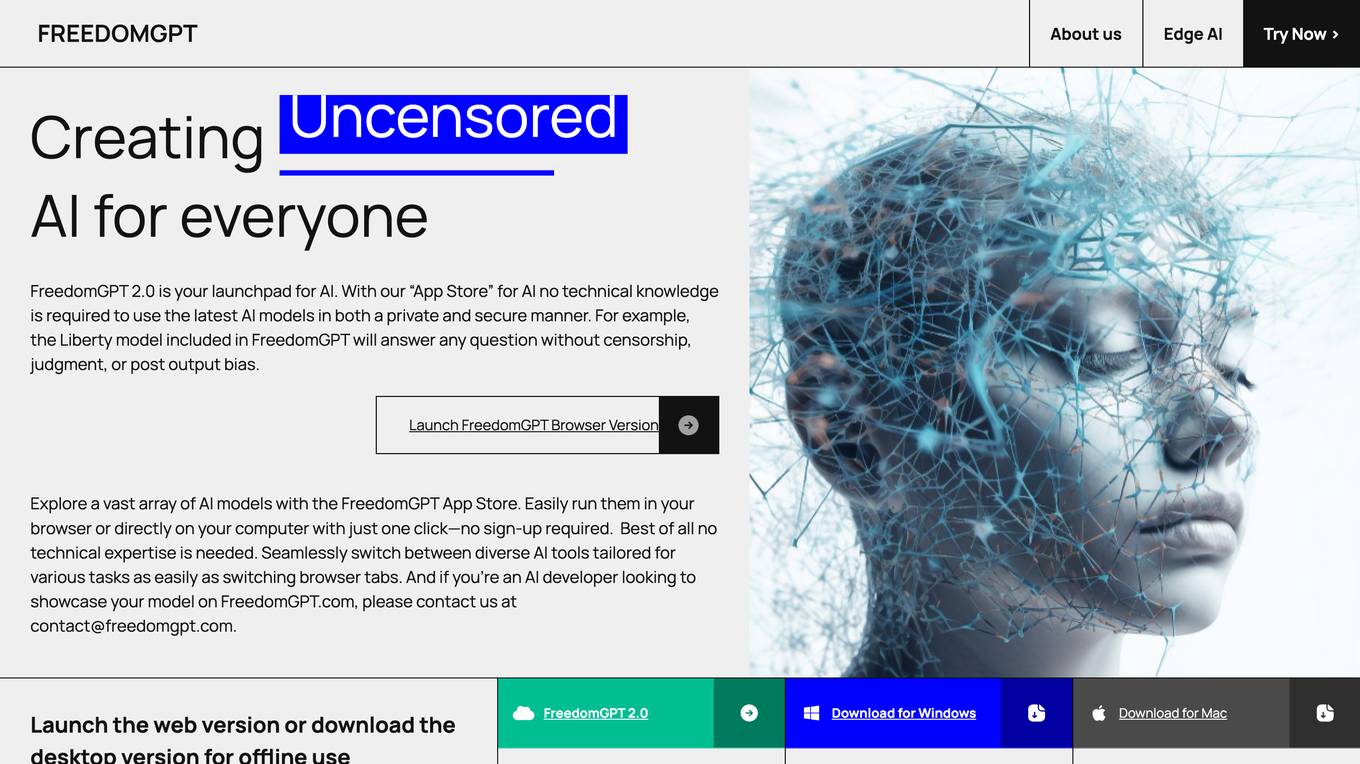
FreedomGPT
FreedomGPT is a powerful AI platform that provides access to a wide range of AI models without the need for technical knowledge. With its user-friendly interface and offline capabilities, FreedomGPT empowers users to explore and utilize AI for various tasks and applications. The platform is committed to privacy and offers an open-source approach, encouraging collaboration and innovation within the AI community.
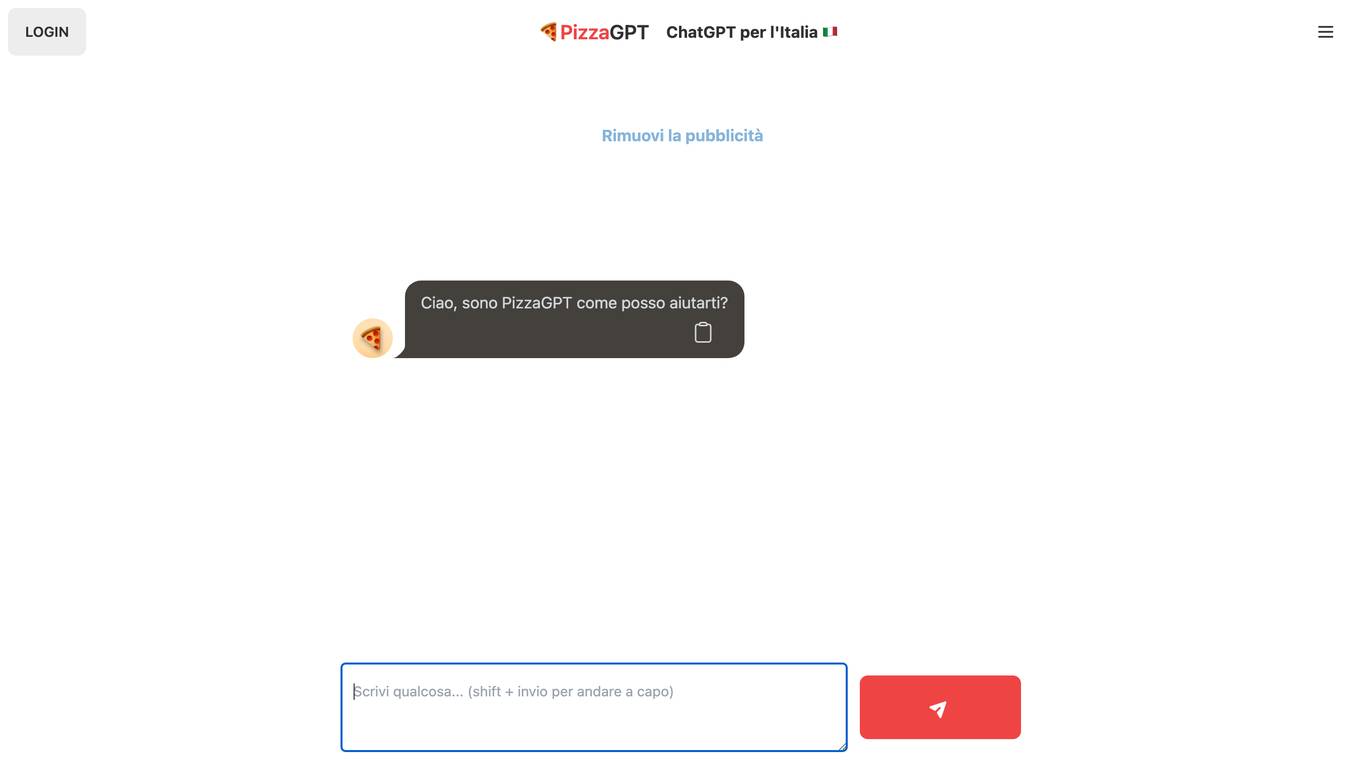
PizzaGPT
PizzaGPT is an AI-powered chatbot specifically designed for the Italian market. It is trained on a massive dataset of Italian language and culture, enabling it to understand and respond to user queries in a natural and informative way. With PizzaGPT, users can engage in conversations, ask questions, get recommendations, and access a wealth of information on various topics.
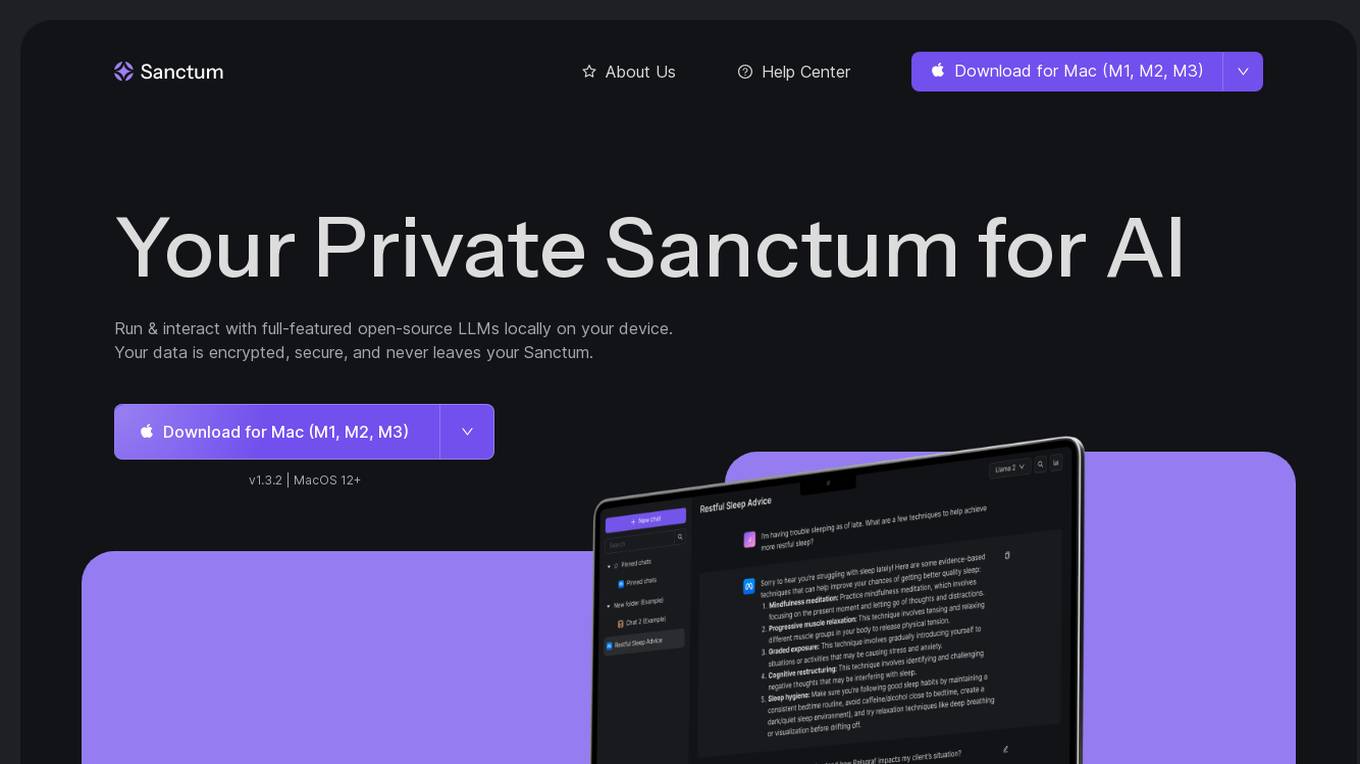
Sanctum
Sanctum is a private AI tool that brings the power of generative AI to your desktop. It enables you to download and run full-featured open-source LLMs directly on your device. With on-device encryption and processing, your data never leaves your Mac. You maintain complete privacy and control.
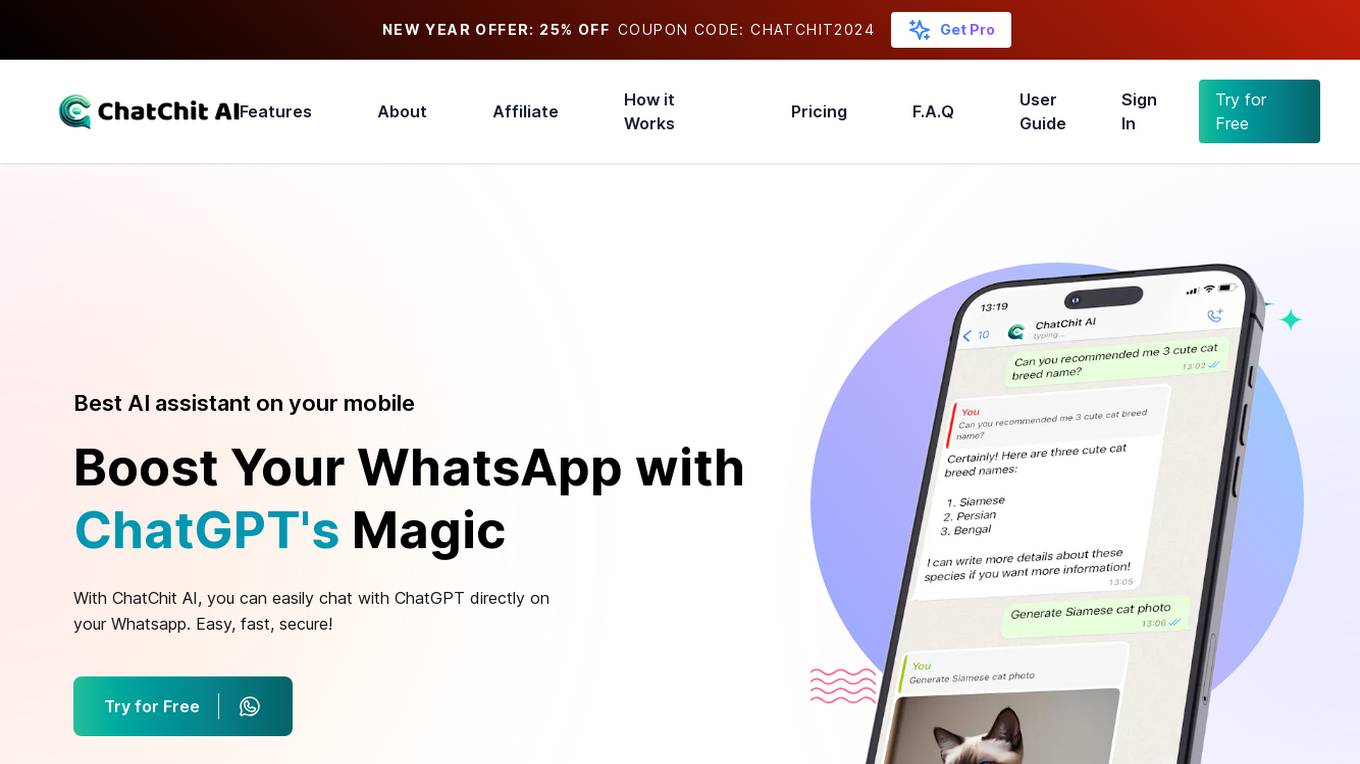
ChatChit AI
ChatChit AI is an AI chatbot that allows users to chat with ChatGPT directly on WhatsApp. It offers a range of features including access to GPT-3.5 and GPT-4, the ability to generate images with a few words, and secure AI chat experience. ChatChit AI is easy to use, supports over 100 languages, and offers affordable pricing plans.
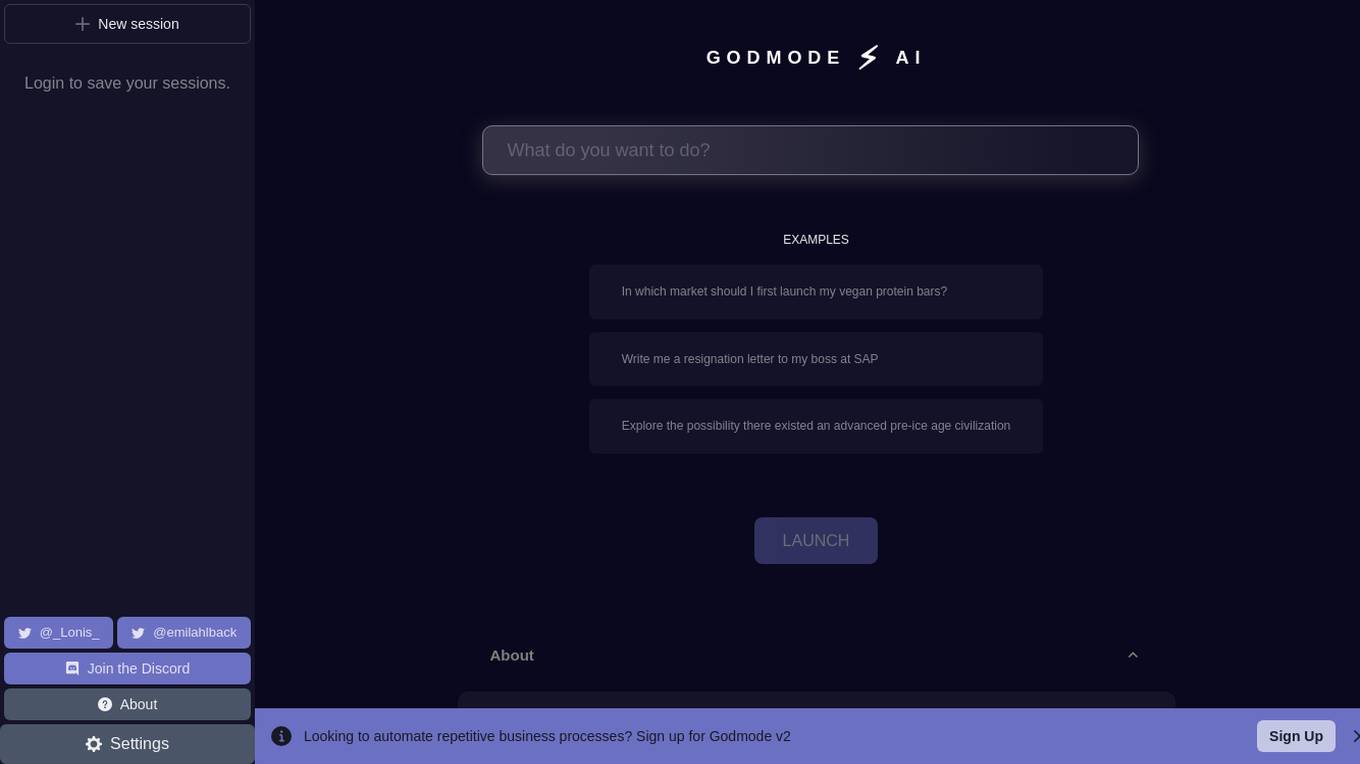
Godmode
Godmode is a web platform that provides access to the automation capabilities of autoGPT and babyAGI. AI agents are still in their early stages of development, but they are rapidly gaining in capability. Godmode aims to make it easier for people to harness the power of autonomous AI agents, even at this early stage. Godmode is inspired by Auto-GPT and BabyAGI, and supports GPT-3.5 & GPT-4.
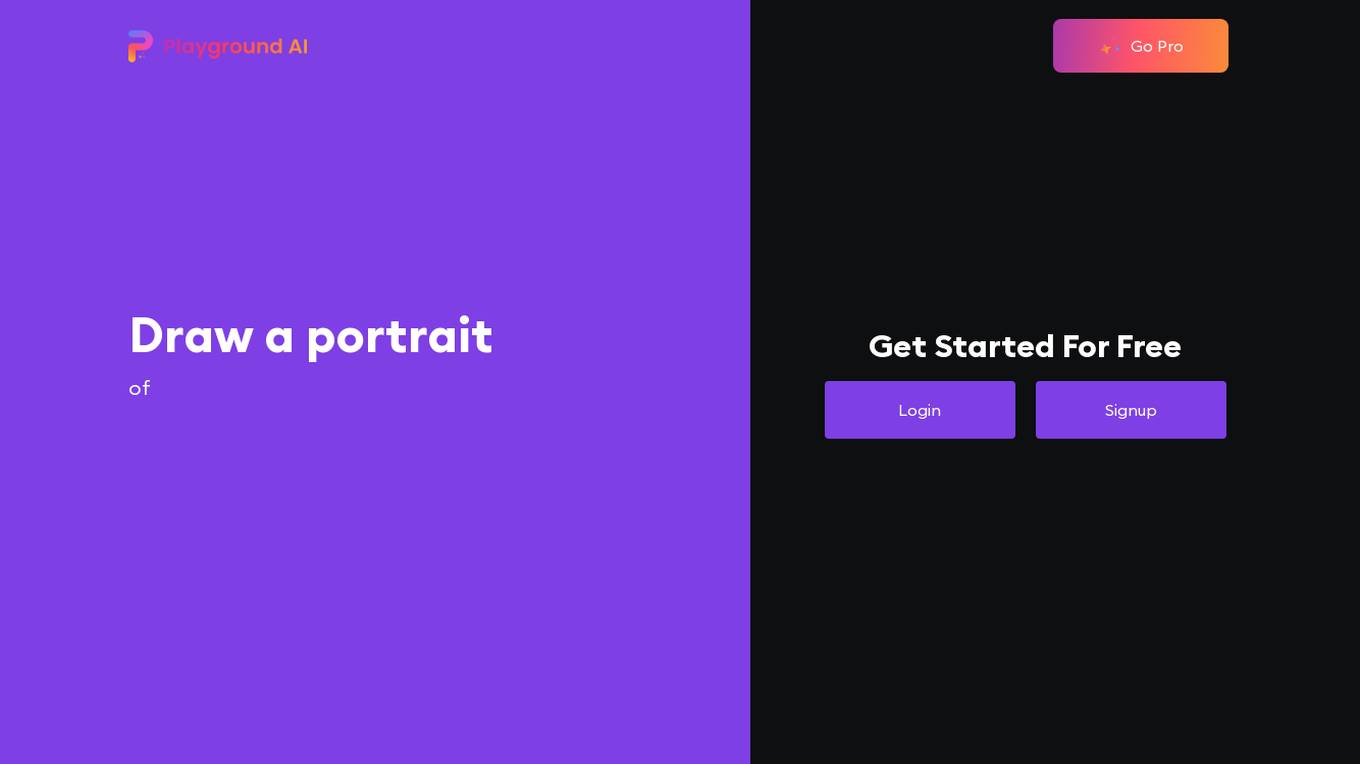
Playground AI
Playground AI is a multi-functional AI image generation tool and general purpose AI chatbot that allows you to create incredible AI art and images using Stable Diffusion and chat with different AI language models including ChatGPT, Cohere, and more. Easily create art, use one of our pre-made templates, generate custom art prompts, apply filters, change image sizes and design parameters using one of 10 AI art models based on Stable Diffusion. Chat with different AI large language models to help with getting work done, planning a trip, or having a conversation about something you want to learn more about. Playground AI makes it easy to save and access your past conversation histories or the art you created. With one click you can share online, copy and paste, and favorite conversations.
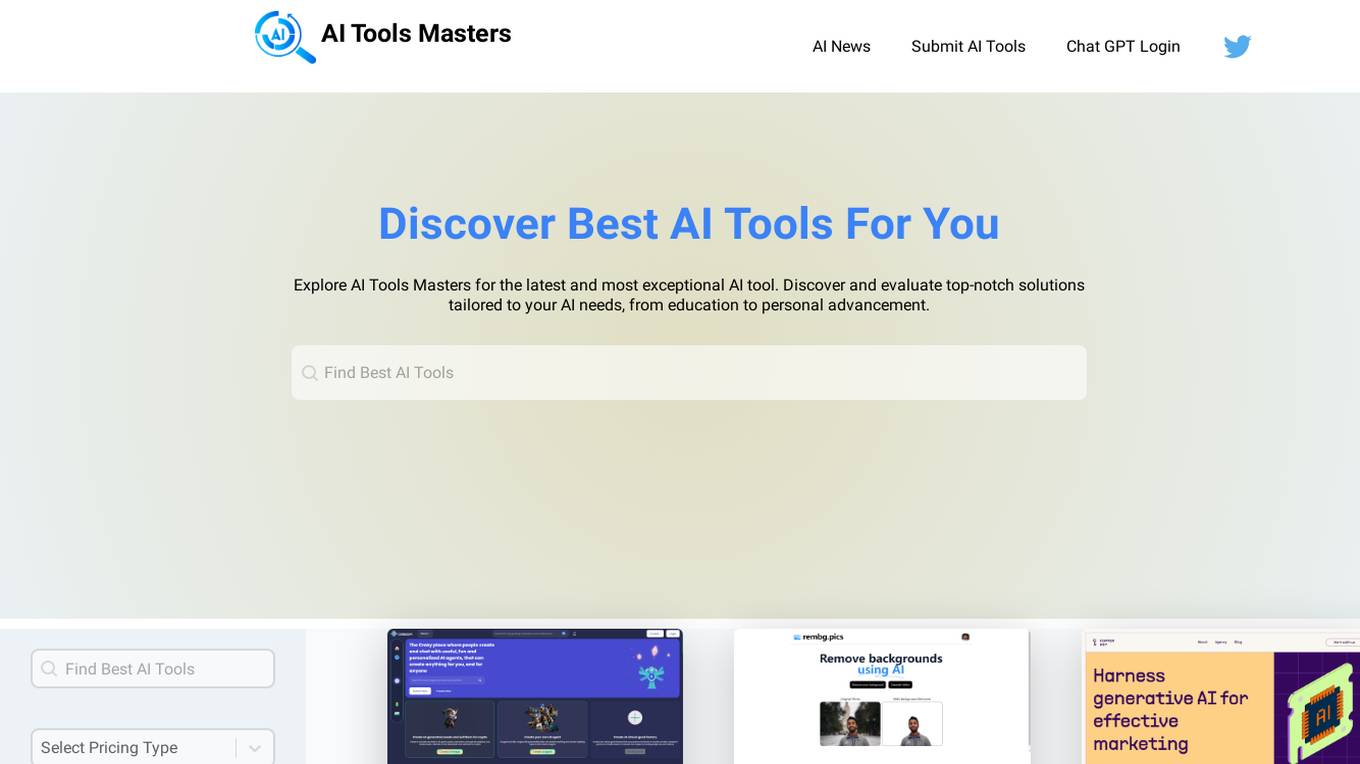
AI Tools Masters
AI Tools Masters is a comprehensive platform that empowers users to discover and evaluate the latest and most exceptional AI tools. Catering to diverse needs, from education to personal advancement, AI Tools Masters offers a curated collection of top-notch solutions tailored to specific requirements. With a user-friendly interface and extensive filtering options, users can effortlessly navigate through a wide range of AI tools, ensuring they find the perfect fit for their projects and goals.
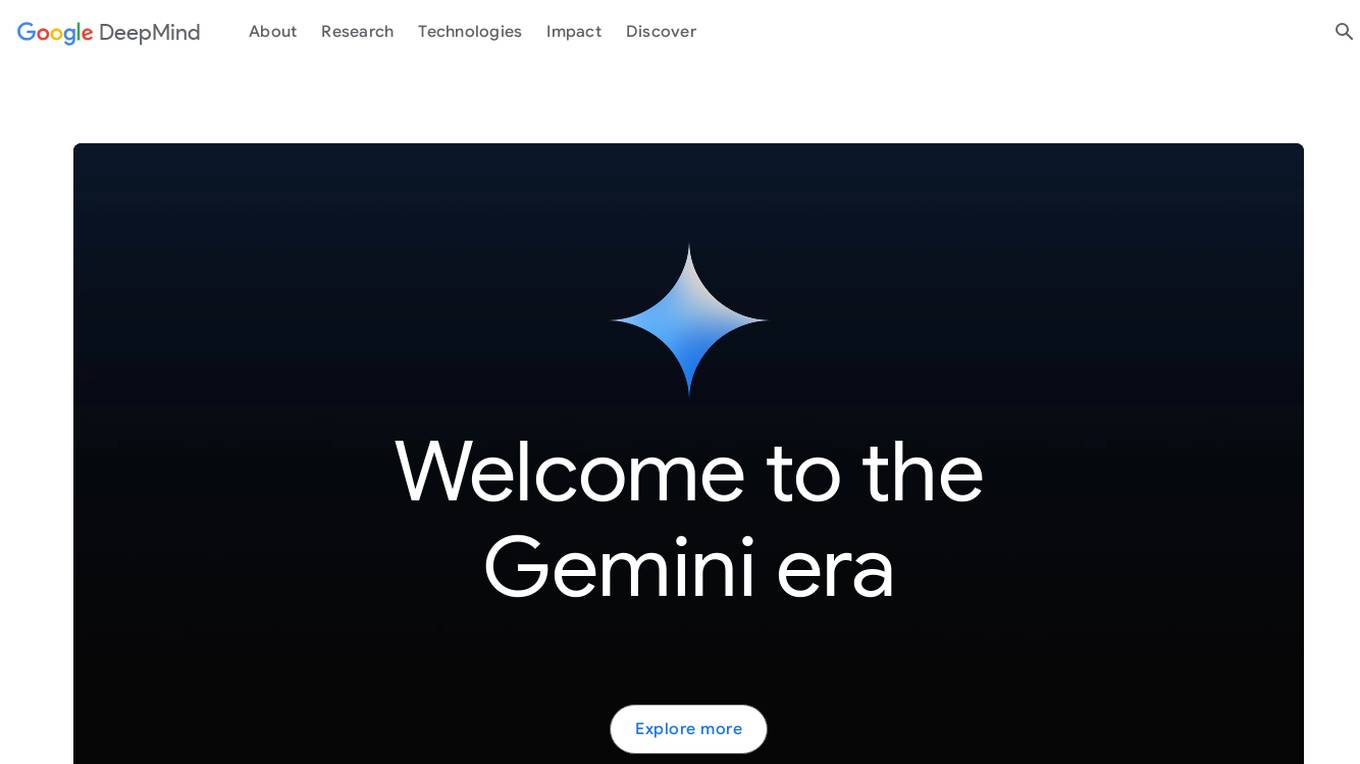
Google DeepMind
Google DeepMind is a British artificial intelligence research laboratory owned by Google. The company was founded in 2010 by Demis Hassabis, Shane Legg, and Mustafa Suleyman. DeepMind's mission is to develop safe and beneficial artificial intelligence. The company's research focuses on a variety of topics, including machine learning, reinforcement learning, and computer vision. DeepMind has made significant contributions to the field of artificial intelligence, including the development of AlphaGo, the first computer program to defeat a professional human Go player.
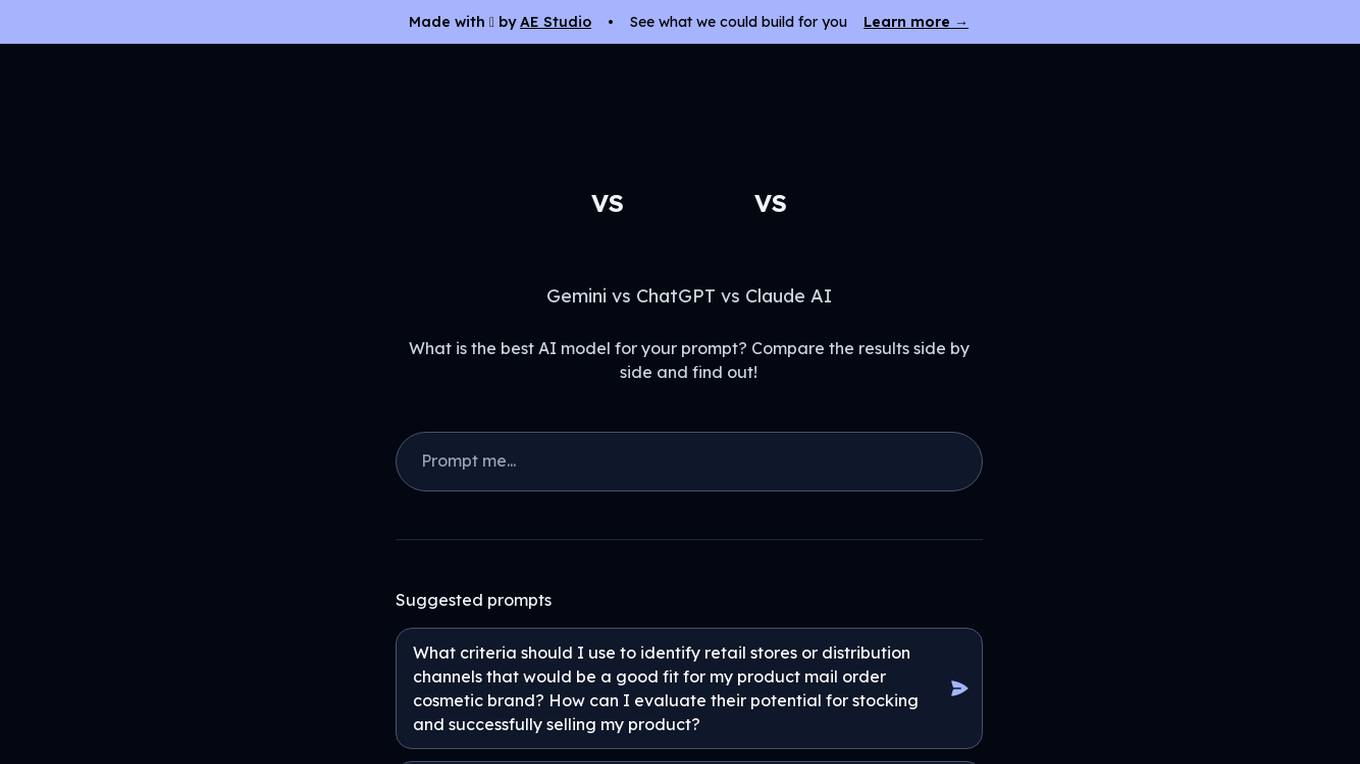
Gemini vs ChatGPT
Gemini is a multi-modal AI model, developed by Google. It is designed to understand and generate human language, and can be used for a variety of tasks, including question answering, translation, and dialogue generation. ChatGPT is a large language model, developed by OpenAI. It is also designed to understand and generate human language, and can be used for a variety of tasks, including question answering, translation, and dialogue generation.
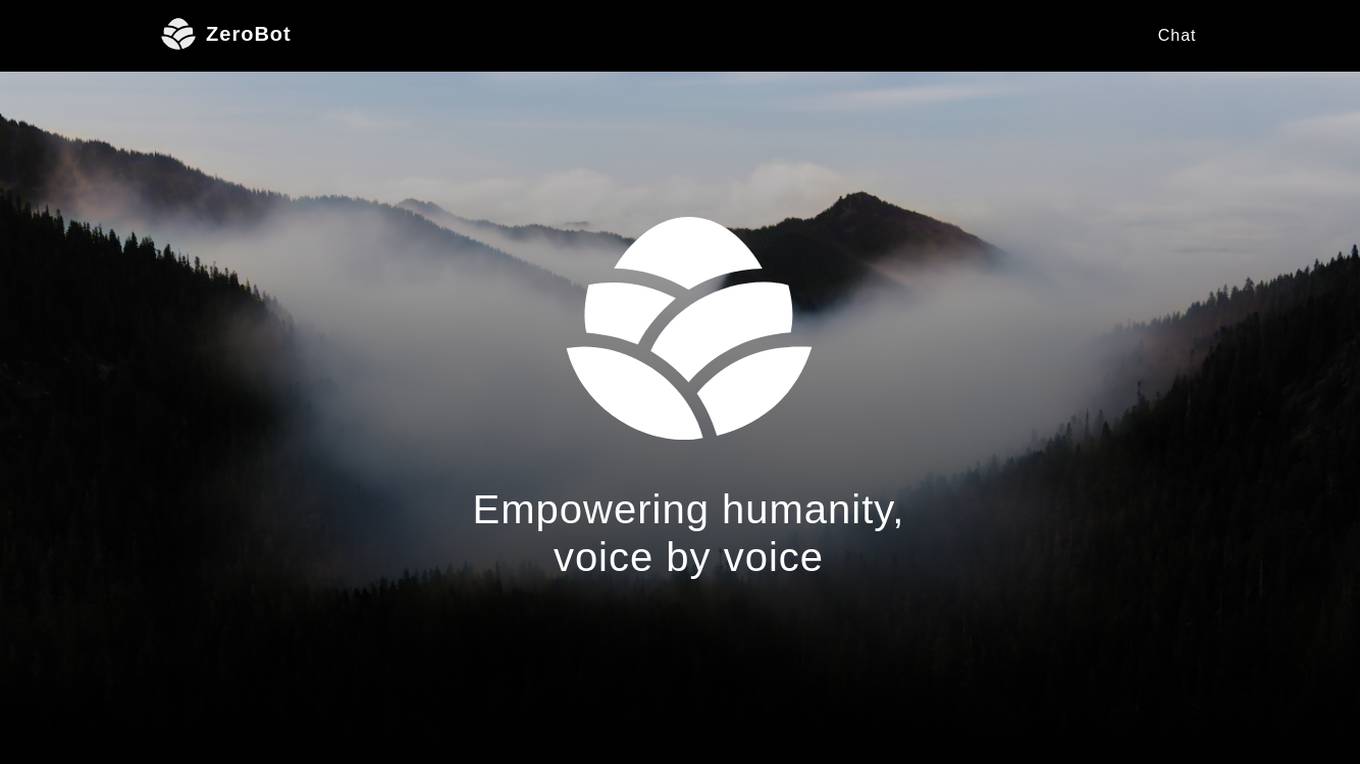
ZeroBot
ZeroBot is the internet's leading voice-enabled chatbot. It allows users to have conversations with AI agents that are tailored to their specific needs. ZeroBot is powered by the Groq LPU™ Inference Engine, which provides instant and smooth chat experiences. With ZeroBot, users can create and speak with AI agents anywhere, anytime.

Latest AI Tools
Latest AI Tools is an extensive directory of AI tools and GPT Store Apps, featuring over 1100 AI websites and tools. It serves as a comprehensive resource for individuals and businesses seeking to leverage the power of AI to enhance their productivity, streamline their workflows, and gain valuable insights.

ReadWrite
ReadWrite is an award-winning tech website that provides trusted research and expert knowledge on the latest advancements in technology. Since 2003, ReadWrite has helped millions of people understand and solve tech problems, large and small. The website covers a wide range of tech topics, including AI, AR/VR, cryptocurrency, gaming, smartphones, gambling, wearables, and the web. ReadWrite's team of credentialed experts, trained researchers, and devoted community work together to create reliable, comprehensive, and engaging content that helps readers stay informed about the rapidly evolving tech landscape.

OpenAiGeek
OpenAiGeek is a comprehensive website dedicated to providing the latest updates on artificial intelligence (AI) news, tools, and chatbots. It serves as a valuable resource for individuals and businesses seeking to stay informed about the rapidly evolving field of AI. The website features a wide range of articles covering various AI-related topics, including news on the latest AI advancements, in-depth reviews of AI tools, and interviews with industry experts. OpenAiGeek also offers a directory of AI tools, making it easy for users to discover and explore different AI applications. Additionally, the website provides a platform for users to engage in discussions and share their experiences with AI.
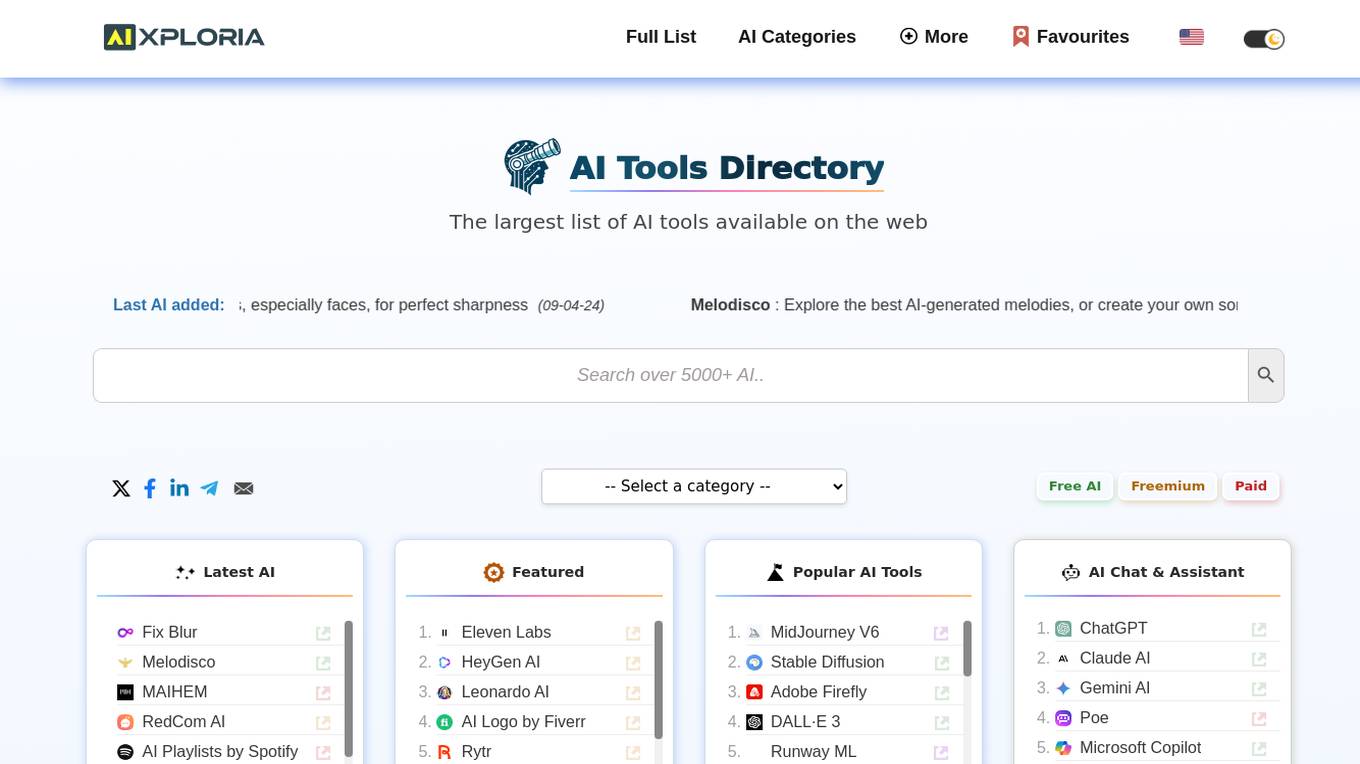
Aixploria
Aixploria is a website dedicated to artificial intelligence that allows you to discover the best AI tools directory available online. Our site features a selection of listings arranged in categories that make it easy for you to find AIs that meet your criteria. In fact, the largest list of sites using AI can be found on this page! Plus, this list is updated daily, so you can bookmark it so you don’t miss out on the latest news. Lately, the site also posts articles that explain how each AI works.
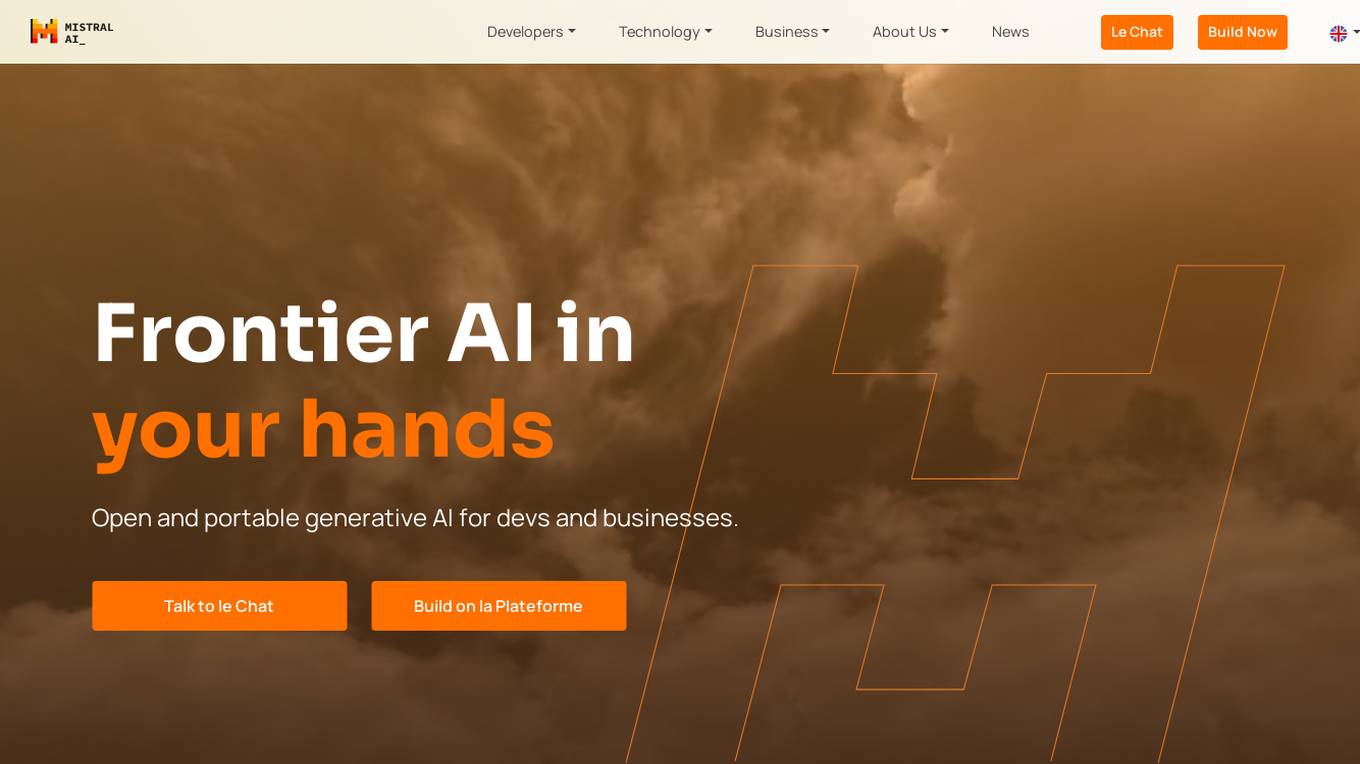
Mistral AI
Mistral AI is a cutting-edge AI technology provider for developers and businesses. Their open and portable generative AI models offer unmatched performance, flexibility, and customization. Mistral AI's mission is to accelerate AI innovation by providing powerful tools that can be easily integrated into various applications and systems.
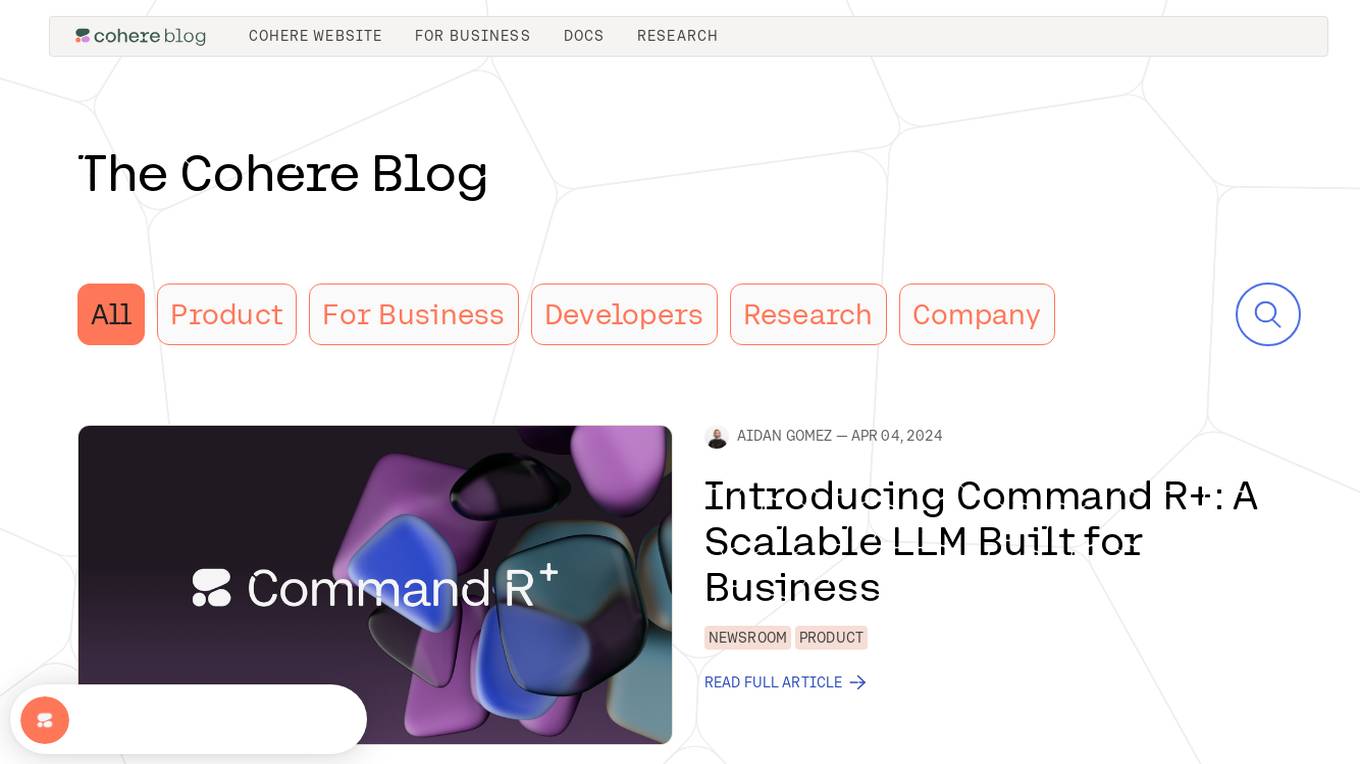
Cohere
Cohere is a leading provider of artificial intelligence (AI) tools and services. Our mission is to make AI accessible and useful to everyone, from individual developers to large enterprises. We offer a range of AI tools and services, including natural language processing, computer vision, and machine learning. Our tools are used by businesses of all sizes to improve customer service, automate tasks, and gain insights from data.
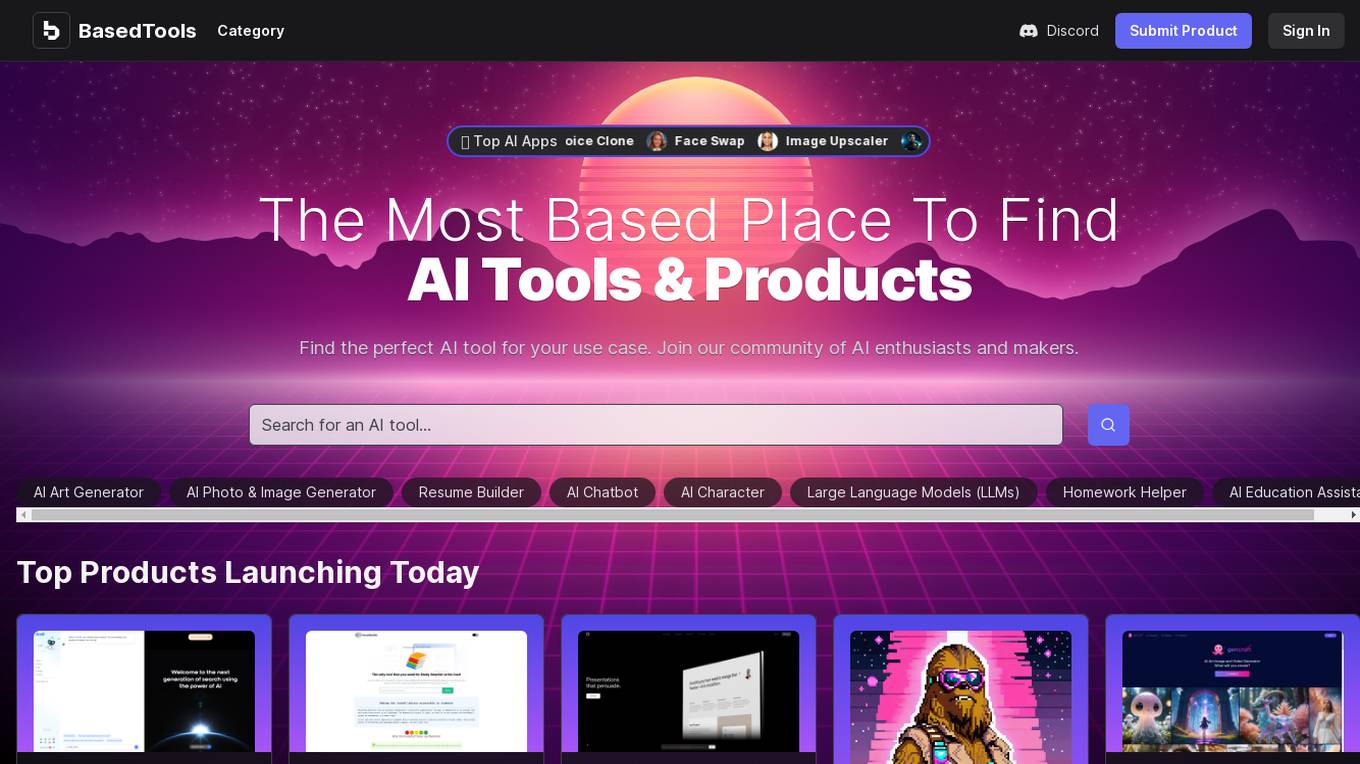
BasedLabs
BasedLabs is a website that provides a directory of AI tools and products. It allows users to search for AI tools based on their use case and provides detailed descriptions, ratings, and reviews of each tool. BasedLabs also offers a community forum where users can discuss AI tools and share their experiences.
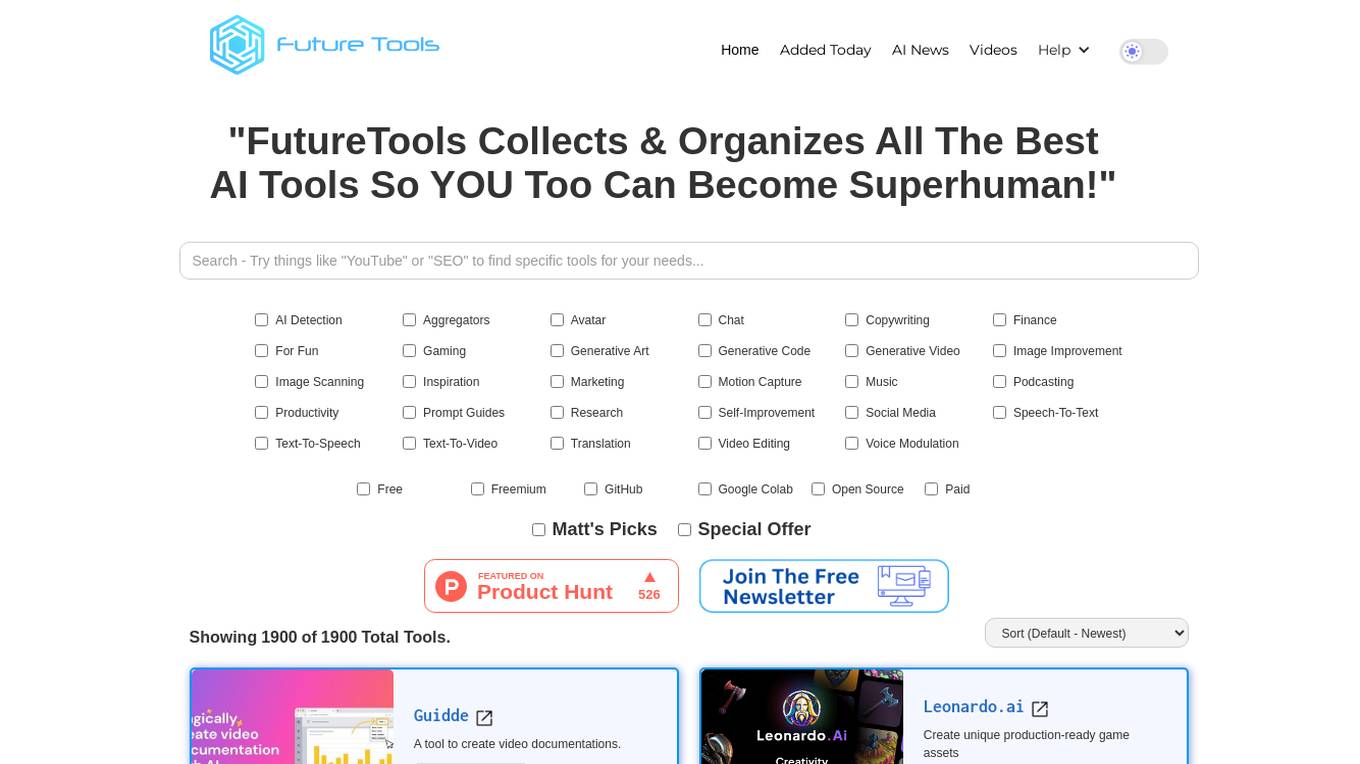
Future Tools
Future Tools is a website that collects and organizes AI tools. It provides a comprehensive list of AI tools categorized into various domains, including AI detection, aggregators, avatar chat, copywriting, finance, gaming, generative art, generative code, generative video, image improvement, image scanning, inspiration, marketing, motion capture, music, podcasting, productivity, prompt guides, research, self-improvement, social media, speech-to-text, text-to-speech, text-to-video, translation, video editing, and voice modulation. The website also offers a search bar to help users find specific tools based on their needs.

FCK.School
FCK.School is an online platform that provides AI-powered writing tools to help students with various aspects of their academic work, including creating outlines, generating essay conclusions, crafting thesis statements, and much more. It offers a range of tools such as paraphrasing, text generation, summarizing, grammar and punctuation correction, title generation, thesis statement generation, outline generation, intro generation, paragraph generation, and conclusion generation. FCK.School aims to improve writing skills, save time and effort, and enhance the quality of written content.

Anthropic
Anthropic is a research and deployment company founded in 2021 by former OpenAI researchers Dario Amodei, Daniela Amodei, and Geoffrey Irving. The company is developing large language models, including Claude, a multimodal AI model that can perform a variety of language-related tasks, such as answering questions, generating text, and translating languages.
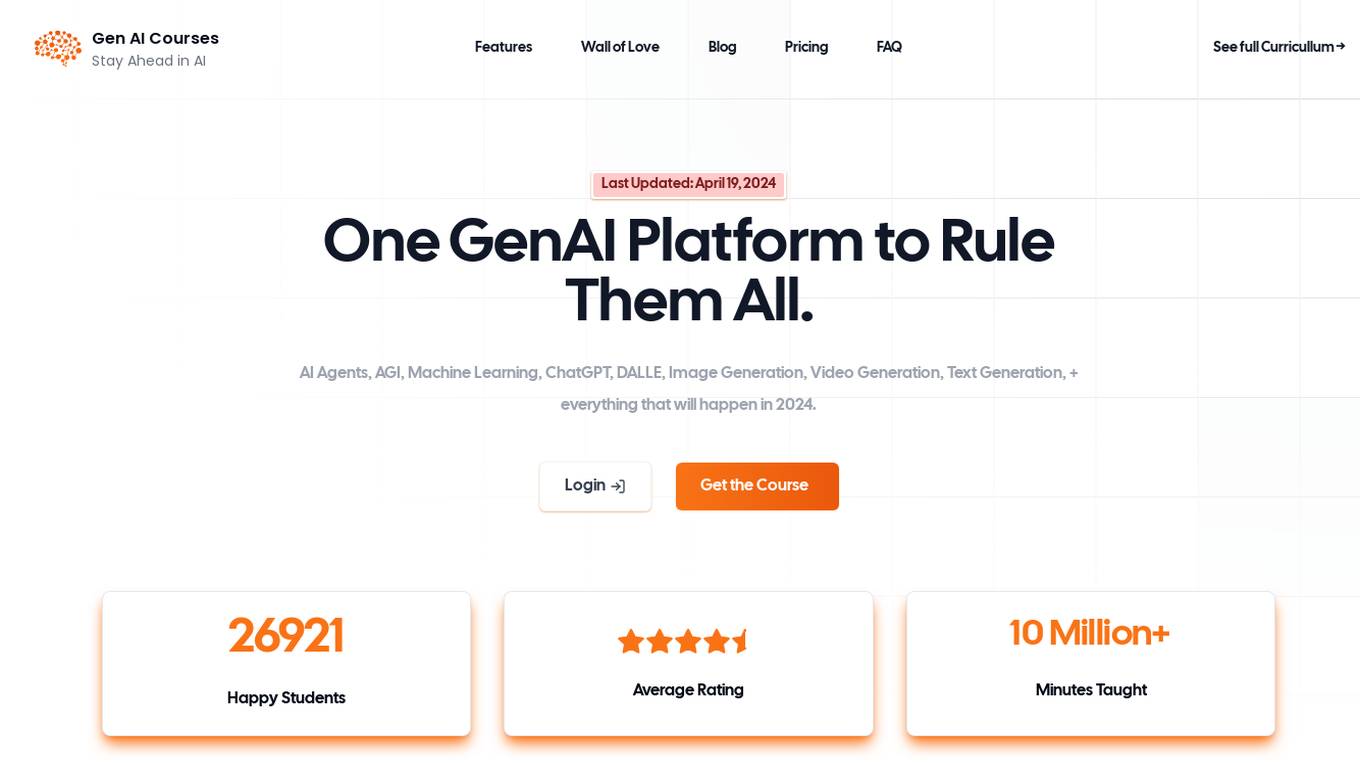
Generative AI Courses
This website offers courses on generative AI, including GenAI, AI, machine learning, deep learning, chatGPT, DALLE, image generation, video generation, text generation, and other topics that are expected to be relevant in 2024.
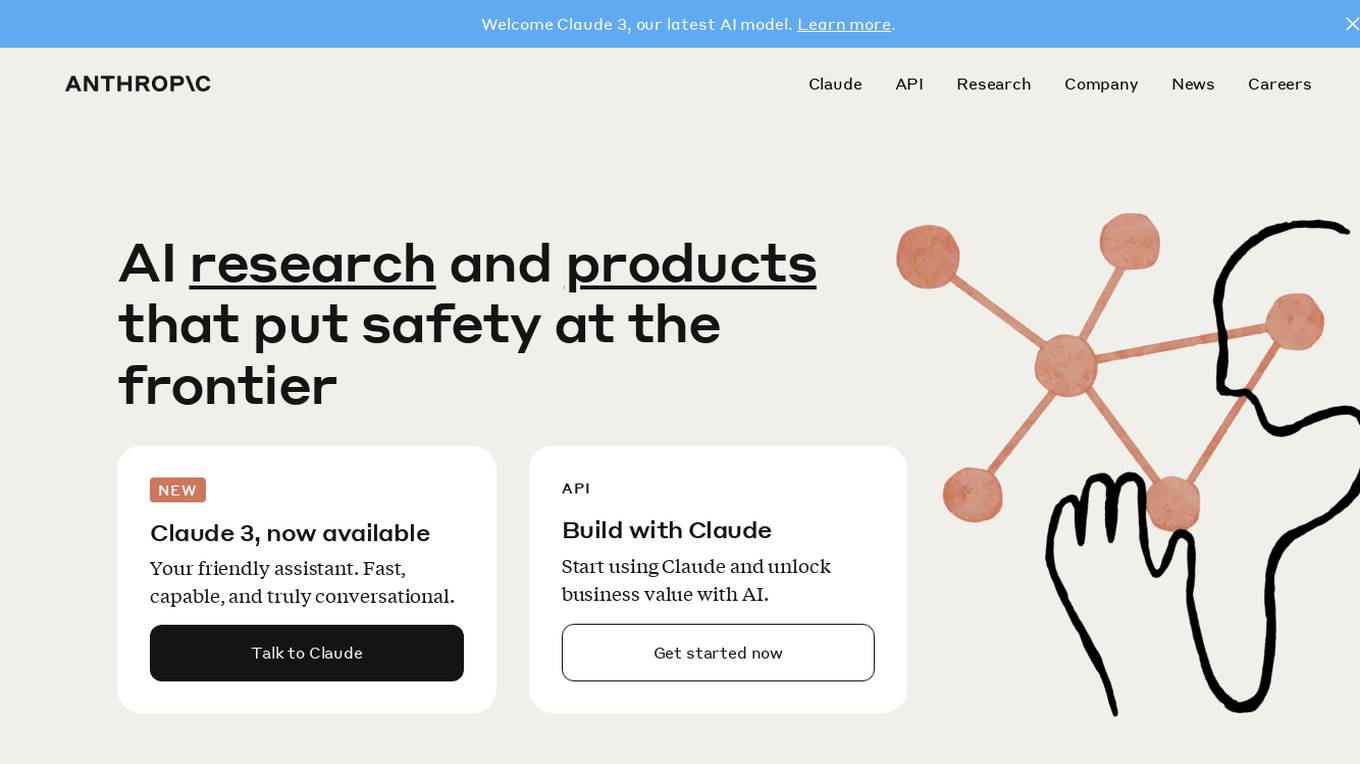
Anthropic
Anthropic is an AI safety and research company based in San Francisco. Our interdisciplinary team has experience across ML, physics, policy, and product. Together, we generate research and create reliable, beneficial AI systems.
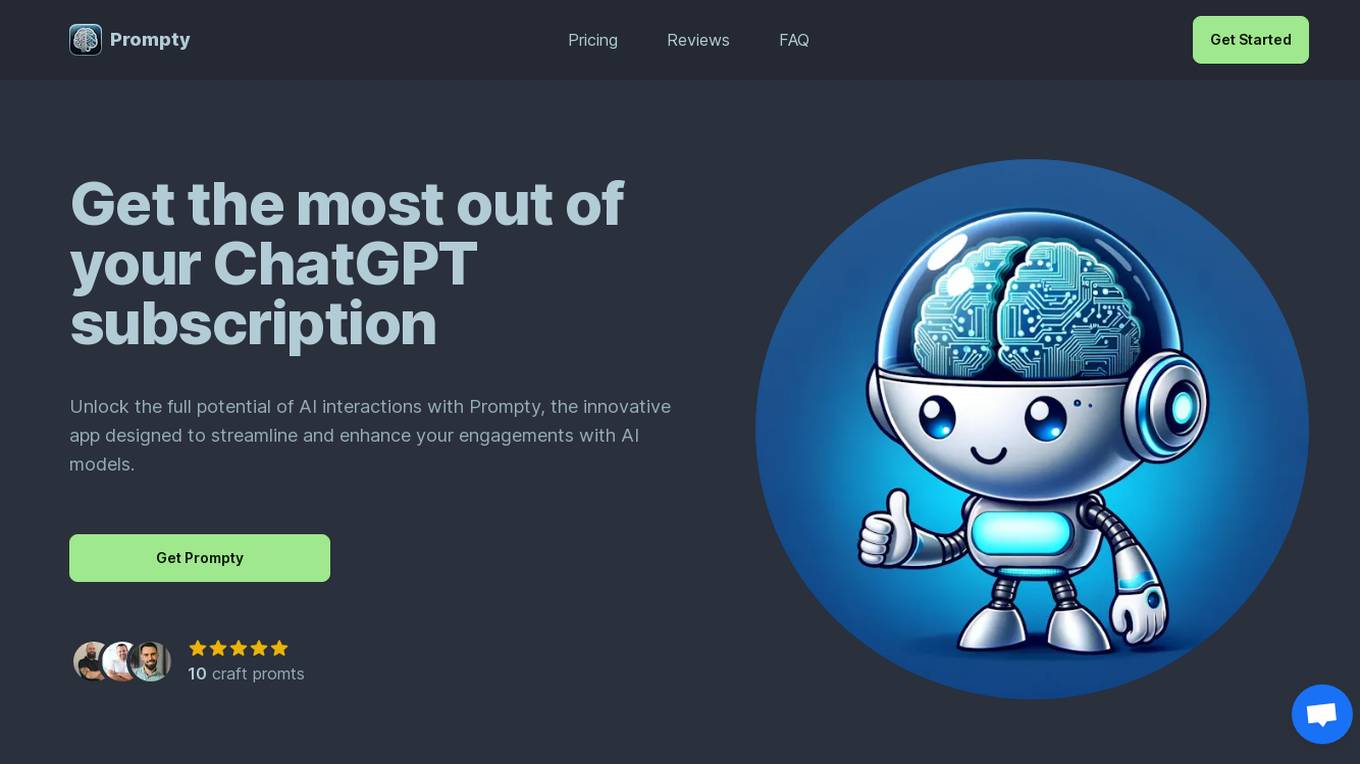
Prompty
Prompty is an innovative app designed to streamline and enhance your engagements with AI models. It provides an intuitive interface to craft effective prompts, ensuring you get the most precise and useful responses from AI models. Prompty is perfect for developers, researchers, or anyone curious about AI.

Be10X
Be10X is an ed-tech platform that provides online workshops and courses on AI tools, Microsoft Office, and Power BI. Their workshops are designed to help working professionals upskill, boost productivity, and achieve their career goals. Be10X offers a variety of workshops, including an AI Tools Workshop, an Office Hacks using AI Workshop, and a PowerBI Workshop. These workshops are led by IIT Kharagpur Alumni and provide participants with hands-on experience with AI tools and techniques.
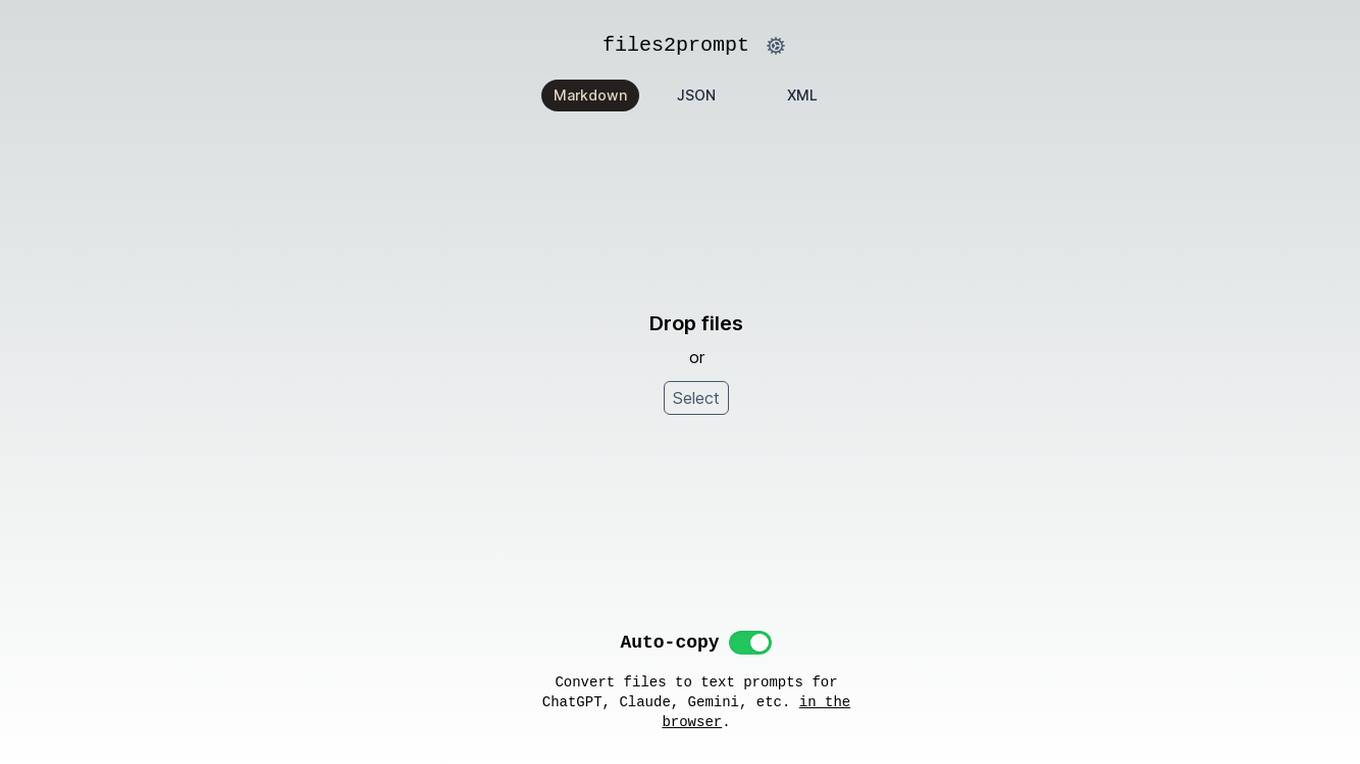
Files2Prompt
Files2Prompt is a free online tool that allows you to convert files to text prompts for large language models (LLMs) like ChatGPT, Claude, and Gemini. With Files2Prompt, you can easily generate prompts from various file formats, including Markdown, JSON, and XML. The converted prompts can be used to ask questions, generate text, translate languages, write different kinds of creative content, and more.
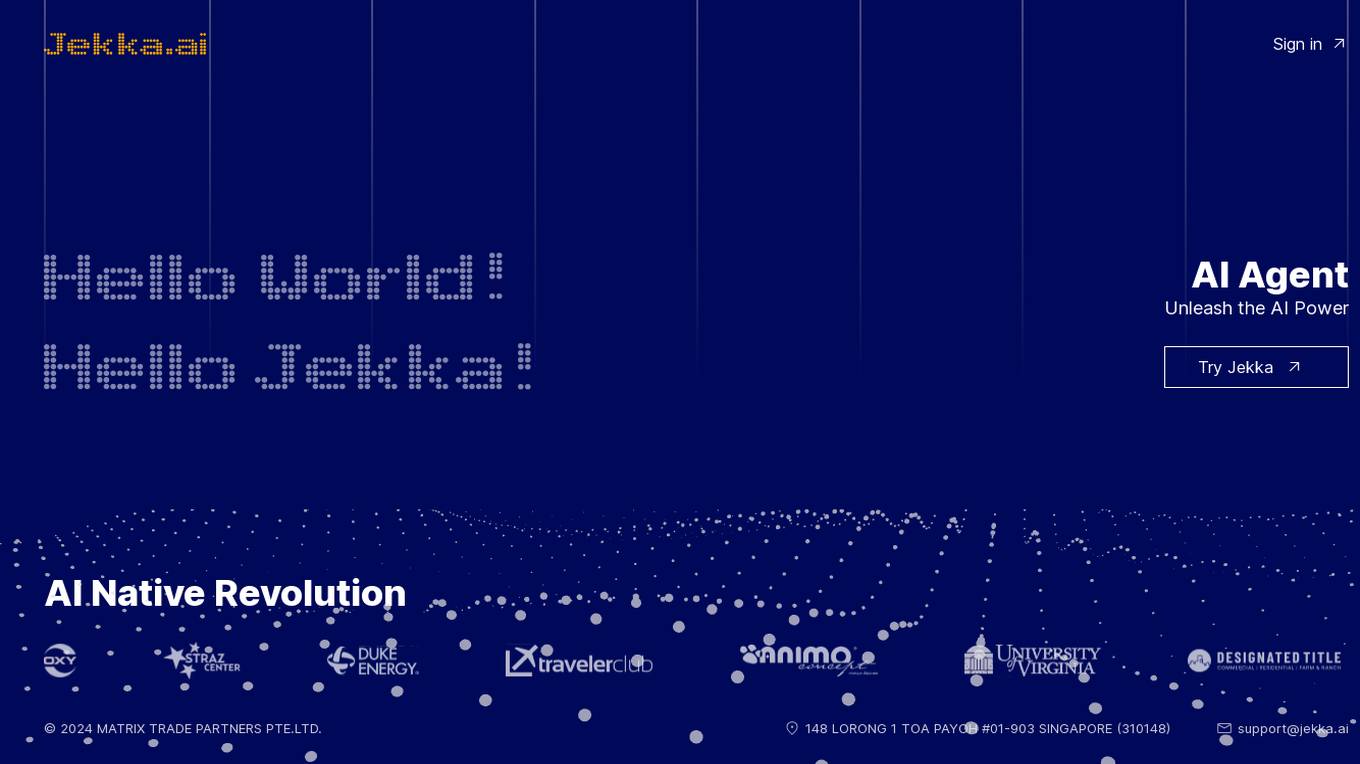
Jekka
Jekka is an AI-powered platform that helps businesses automate their workflows and processes. It offers a range of features, including natural language processing, machine learning, and computer vision, that can be used to create custom AI solutions. Jekka is designed to be easy to use, even for those with no prior experience with AI. It provides a drag-and-drop interface that makes it simple to create and deploy AI models.
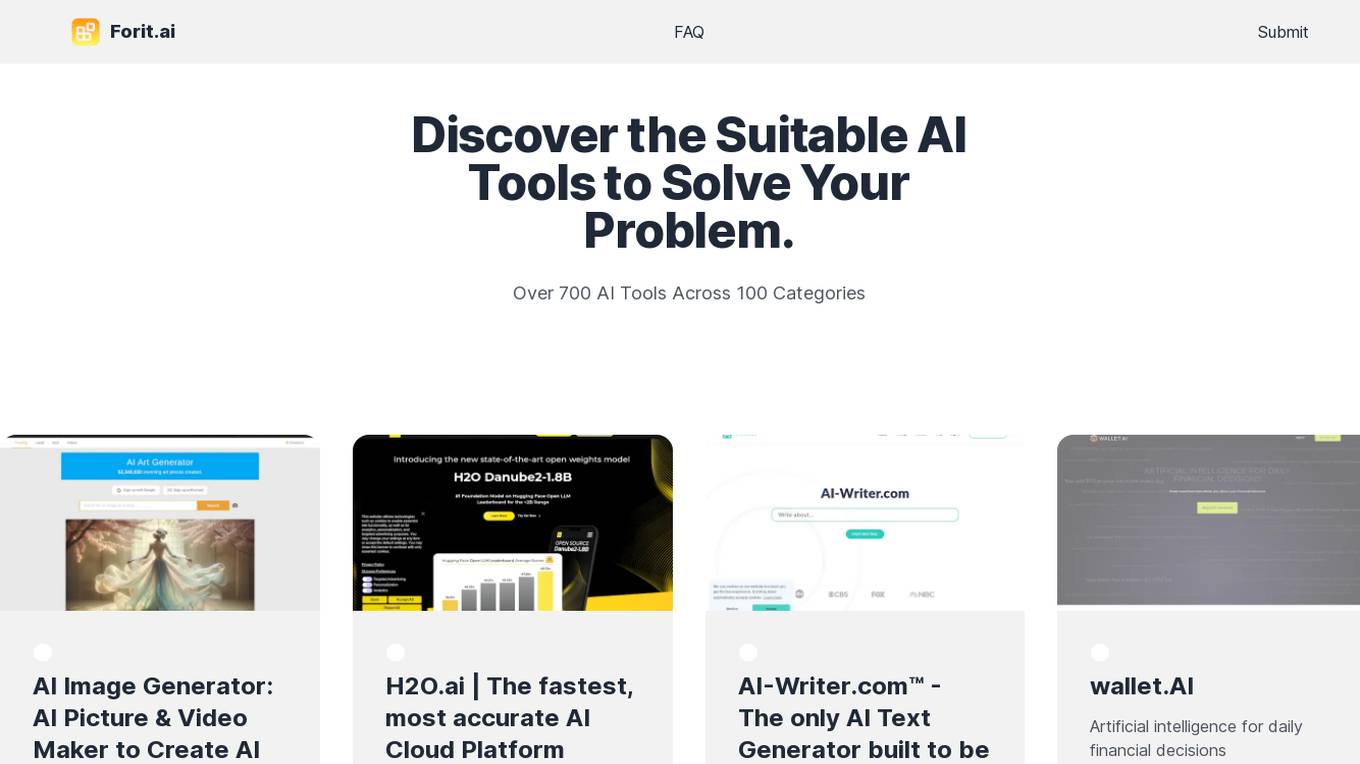
Forit.ai
Forit.ai is a comprehensive directory that connects users with AI tools across various categories to solve specific problems or improve productivity. It provides a curated list of the best AI technologies available today, including creative aids, analytical tools, and privacy solutions. Users can easily find the right solutions for their needs, whether they are developers, marketers, or hobbyists.
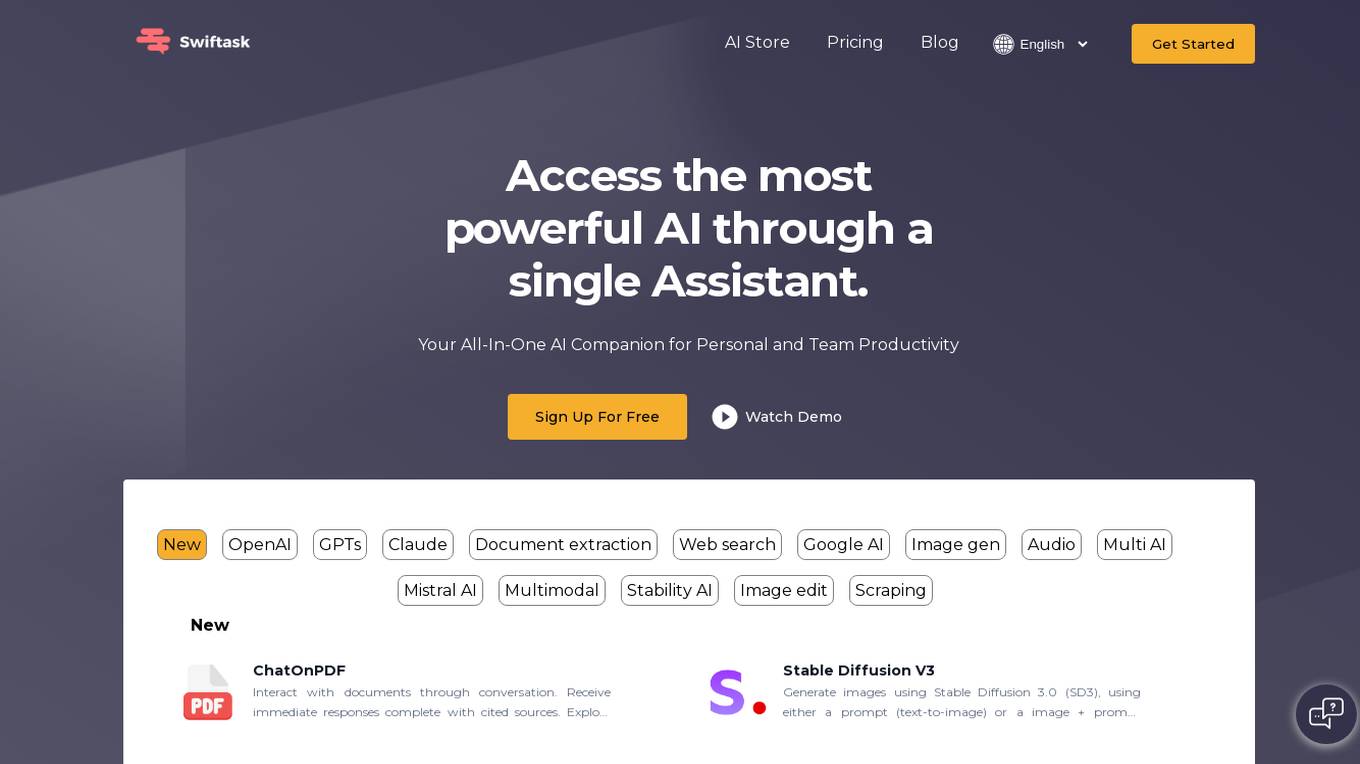
Swiftask
Swiftask is an all-in-one AI Assistant designed to enhance individual and team productivity and creativity. It integrates a range of AI technologies, chatbots, and productivity tools into a cohesive chat interface. Swiftask offers features such as generating text, language translation, creative content writing, answering questions, extracting text from images and PDFs, table and form extraction, audio transcription, speech-to-text conversion, AI-based image generation, and project management capabilities. Users can benefit from Swiftask's comprehensive AI solutions to work smarter and achieve more.
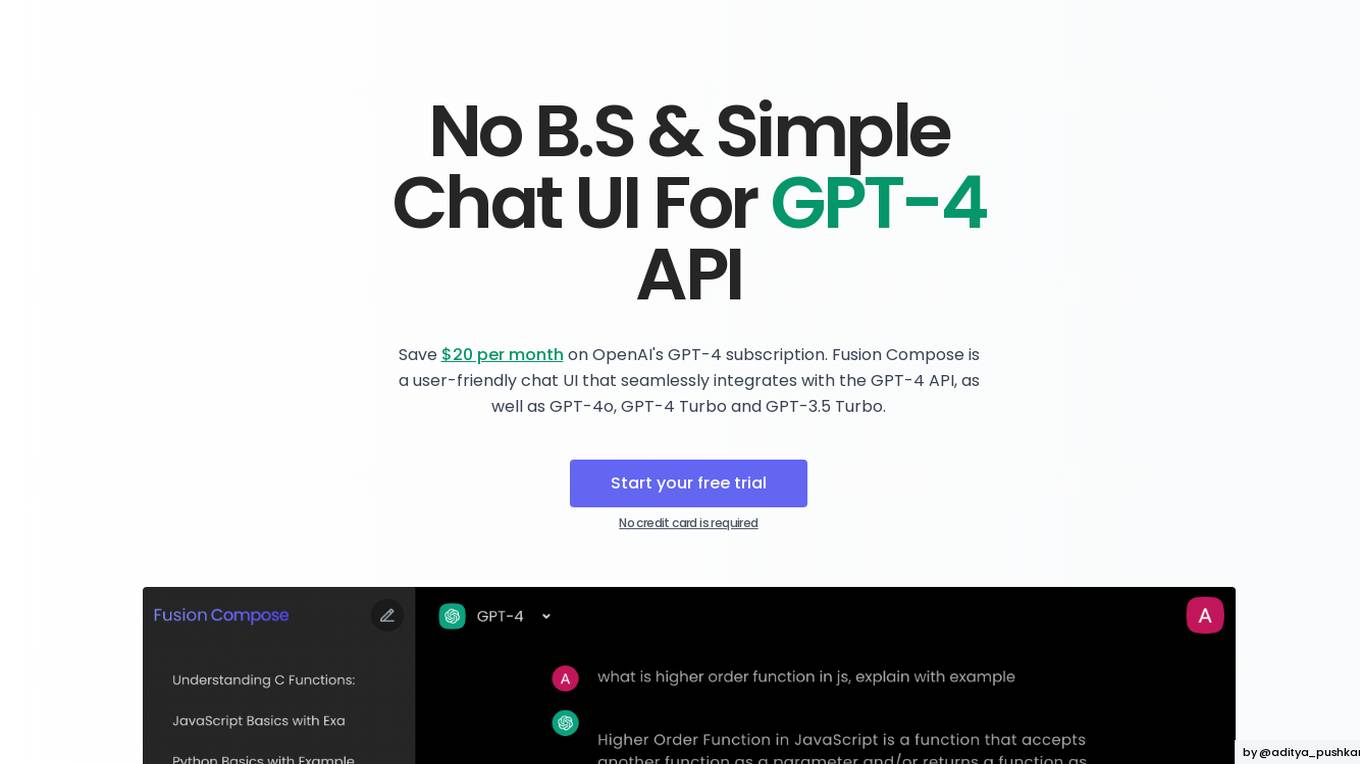
Fusion Compose
Fusion Compose is a user-friendly chat UI designed to simplify interactions with OpenAI's GPT-4 API. It offers a seamless integration with GPT-4, GPT-4o, GPT-4 Turbo, and GPT-3.5 Turbo, allowing users to generate text effortlessly. With Fusion Compose, users can save $20 per month on GPT-4 subscription fees. The application ensures secure chats by not sharing or storing chat history, keeping all data locally in the user's browser. It is ideal for heavy users of GPT-4 text-to-text functionality.
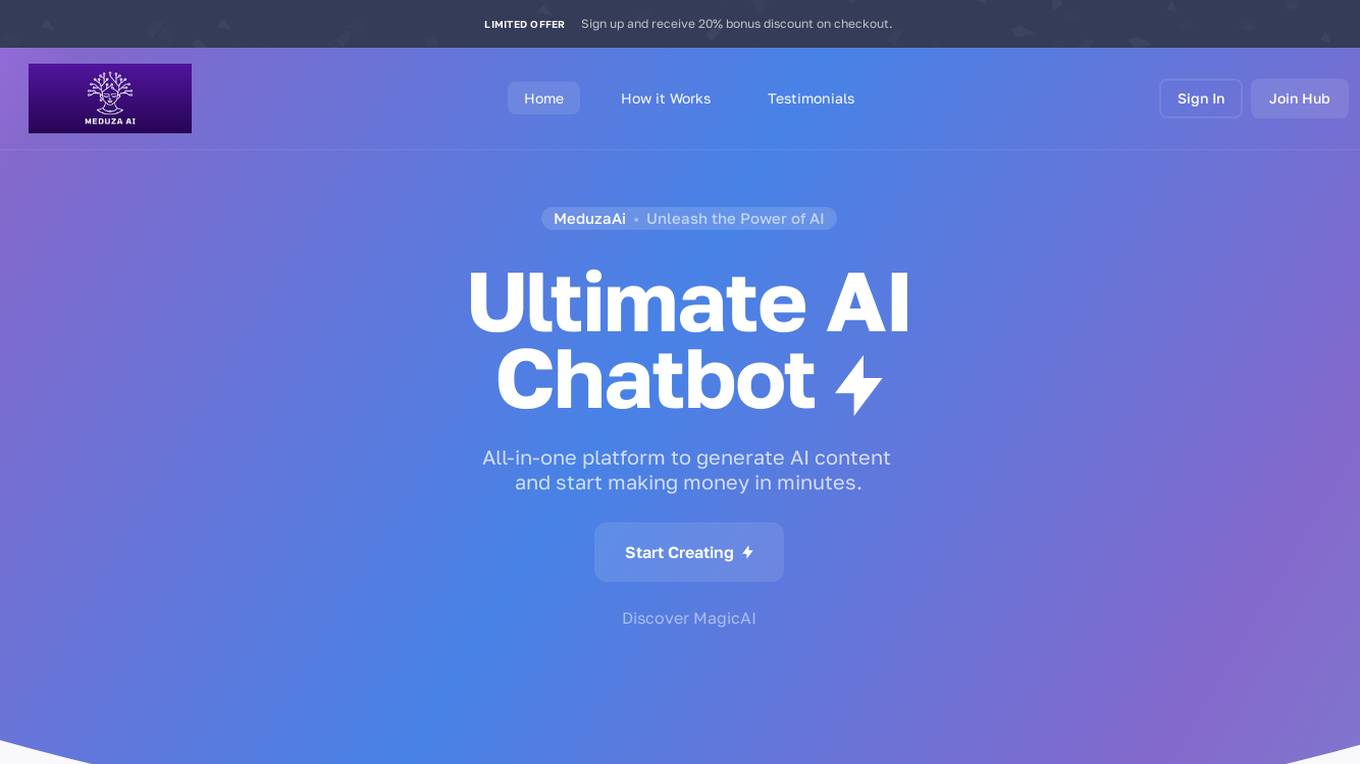
MeduzaAi
MeduzaAi is an all-in-one platform that leverages the power of AI to generate text, images, code, chat, and more with multi-lingual abilities. It offers various tools such as AI Text Generator, AI Image Generator, AI Code Generator, AI Chat Bot, and AI Speech To Text to empower users in content creation and communication. The platform aims to help users unleash their creativity, streamline their coding process, transcribe speech into text, and provide human-like chatbot assistance. MeduzaAi caters to digital agencies, product designers, entrepreneurs, copywriters, digital marketers, and developers, offering a range of features to enhance productivity and creativity.
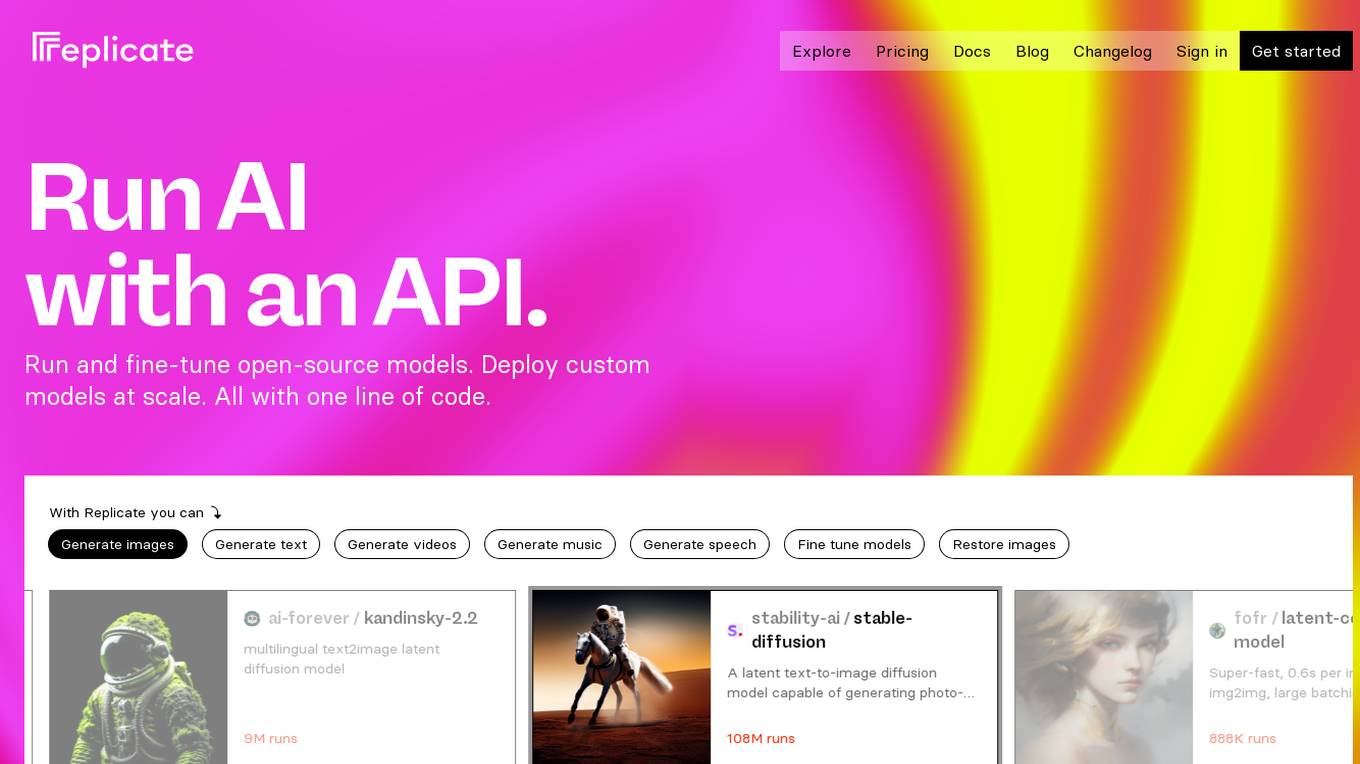
Replicate
Replicate is an AI tool that allows users to run and fine-tune open-source models, deploy custom models at scale, and generate images, text, videos, music, and speech with just one line of code. It provides a platform for the community to contribute and explore thousands of production-ready AI models, enabling users to push the boundaries of AI beyond academic papers and demos. With features like fine-tuning models, deploying custom models, and scaling on Replicate, users can easily create and deploy AI solutions for various tasks.
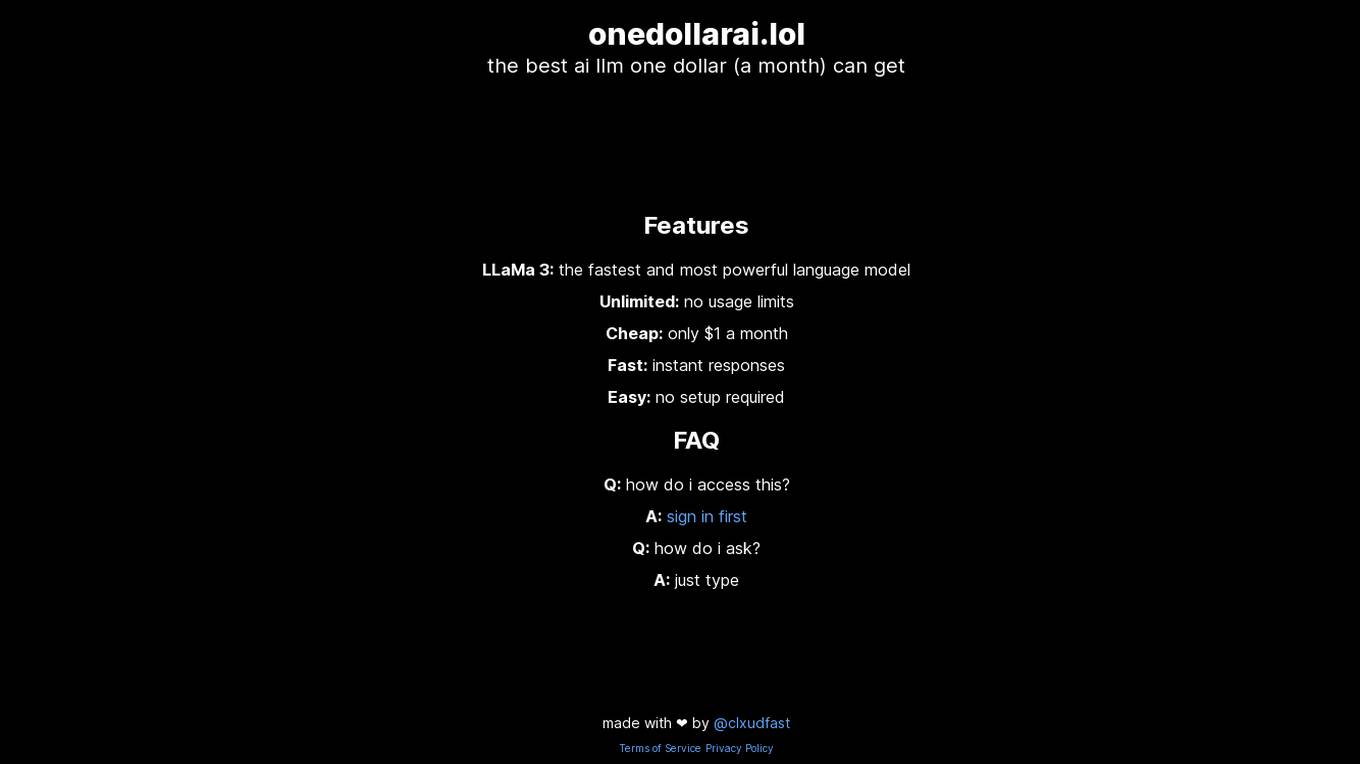
OneDollarAI.lol
OneDollarAI.lol is an AI application that offers the best AI language model for just one dollar a month. It features LLaMa 3, which is known for being the fastest and most powerful language model. Users can enjoy unlimited usage with no limits, at an affordable price of only $1 per month. The application provides instant responses and requires no setup. It is designed to be user-friendly and accessible to all, making it a convenient tool for various language-related tasks.
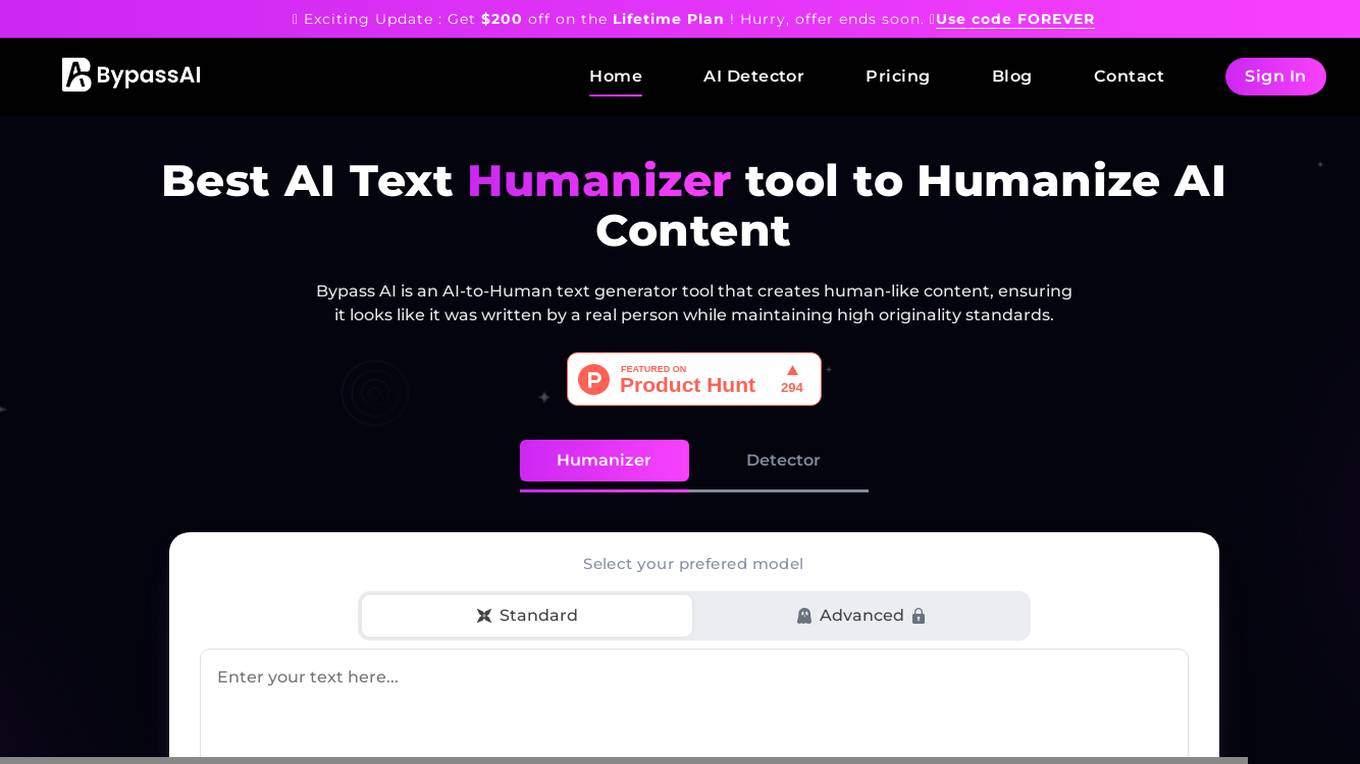
Humanize AI Text
Humanize AI Text is an AI tool that specializes in generating human-like content. It focuses on creating text that mimics natural human language, making it ideal for various applications such as content creation, chatbots, and more. By leveraging advanced algorithms, Humanize AI Text ensures that the generated content is engaging, coherent, and tailored to specific needs. Whether you need product descriptions, social media posts, or website copy, this tool can help you create compelling and authentic content in a fraction of the time it would take a human writer.
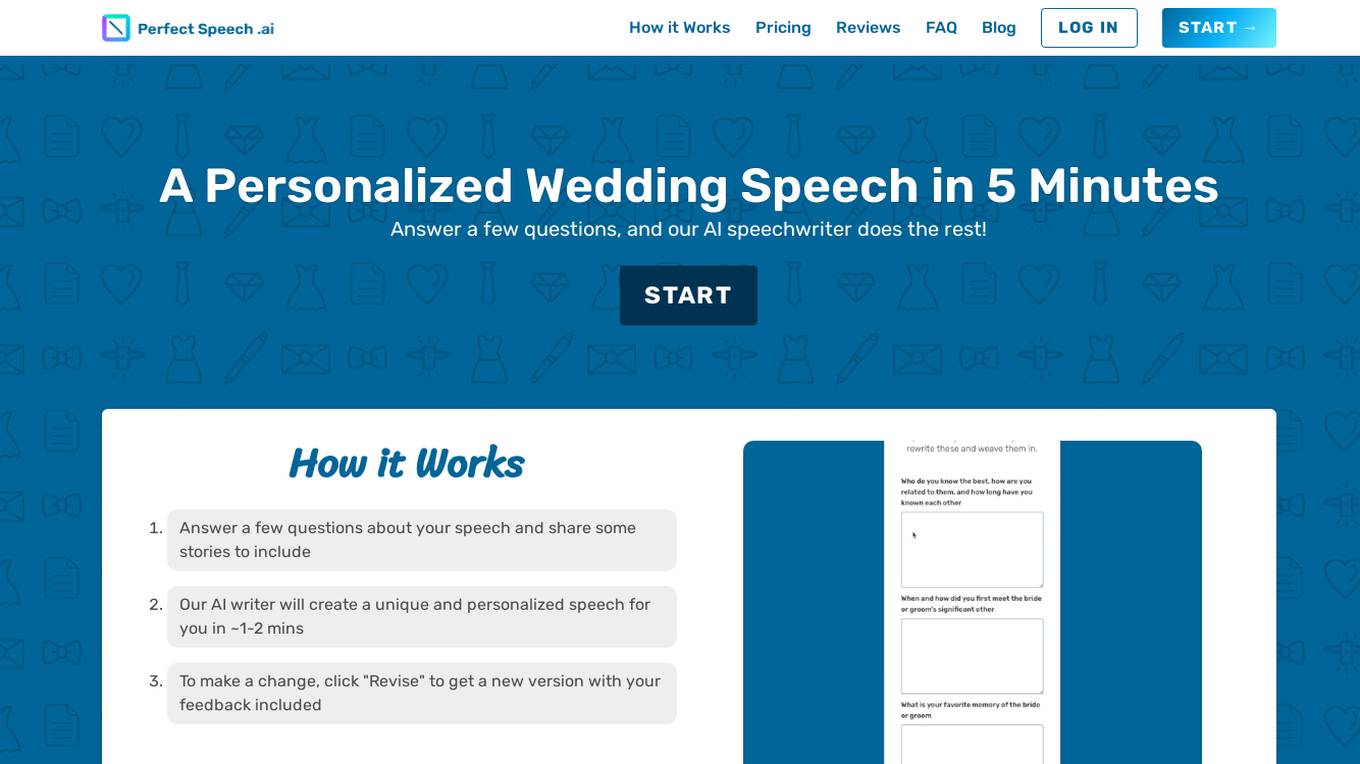
PerfectSpeech.ai
PerfectSpeech.ai is an AI-powered platform that helps users create personalized wedding speeches in just a few minutes. By answering a few questions and sharing some stories, the AI speechwriter generates a unique and heartfelt speech tailored to the user's preferences. The platform offers both single speech and bundle options, ensuring fast delivery and high customization. With no standard templates used, each speech is crafted from scratch by the AI model, providing users with a truly personalized experience.
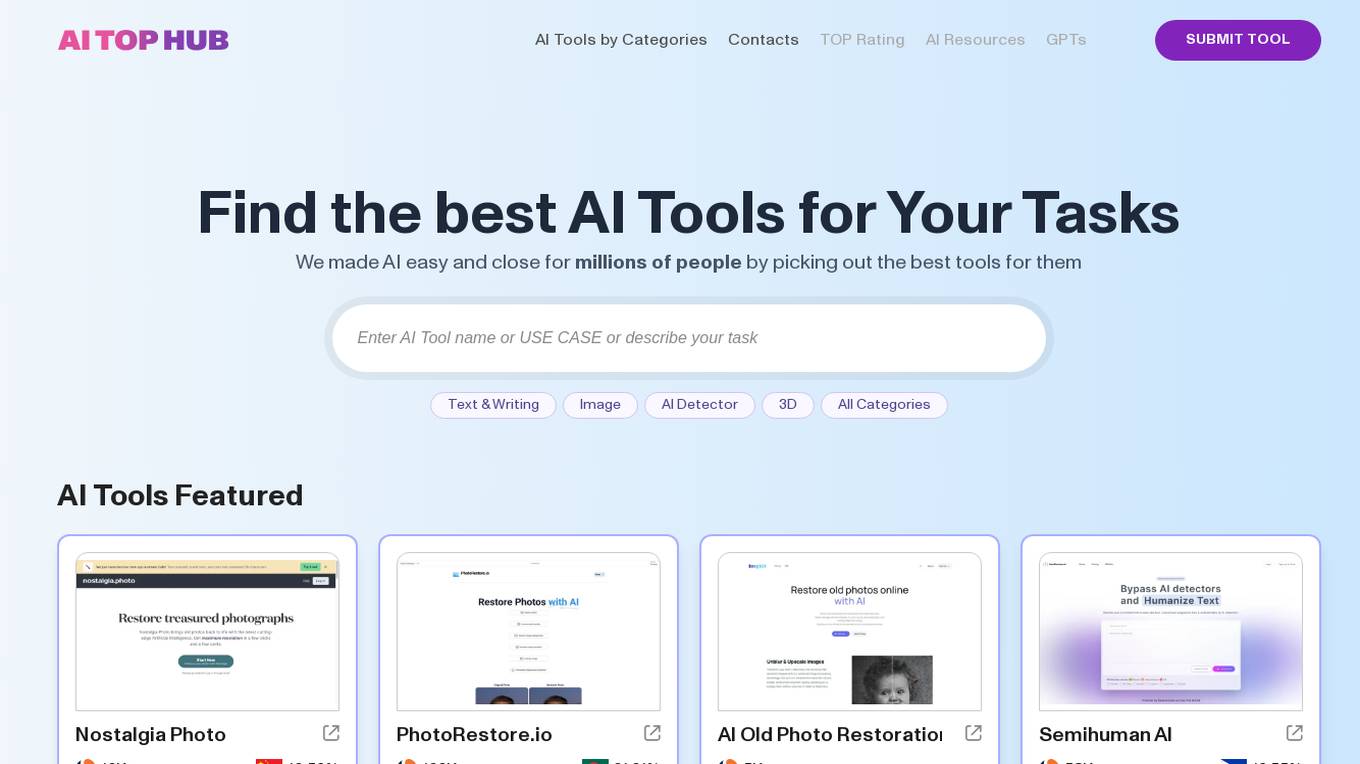
AI TOP HUB
AI TOP HUB is a comprehensive platform that serves as the best catalog of AI tools, SaaS, apps, and GPTs. It offers a wide range of AI tools categorized into various categories, providing users with easy access to the best tools for their tasks. The platform simplifies AI technology for millions of users, making it more accessible and user-friendly. AI TOP HUB also offers educational content, expert guidance, and personalized assistance to help users navigate the world of AI effectively.
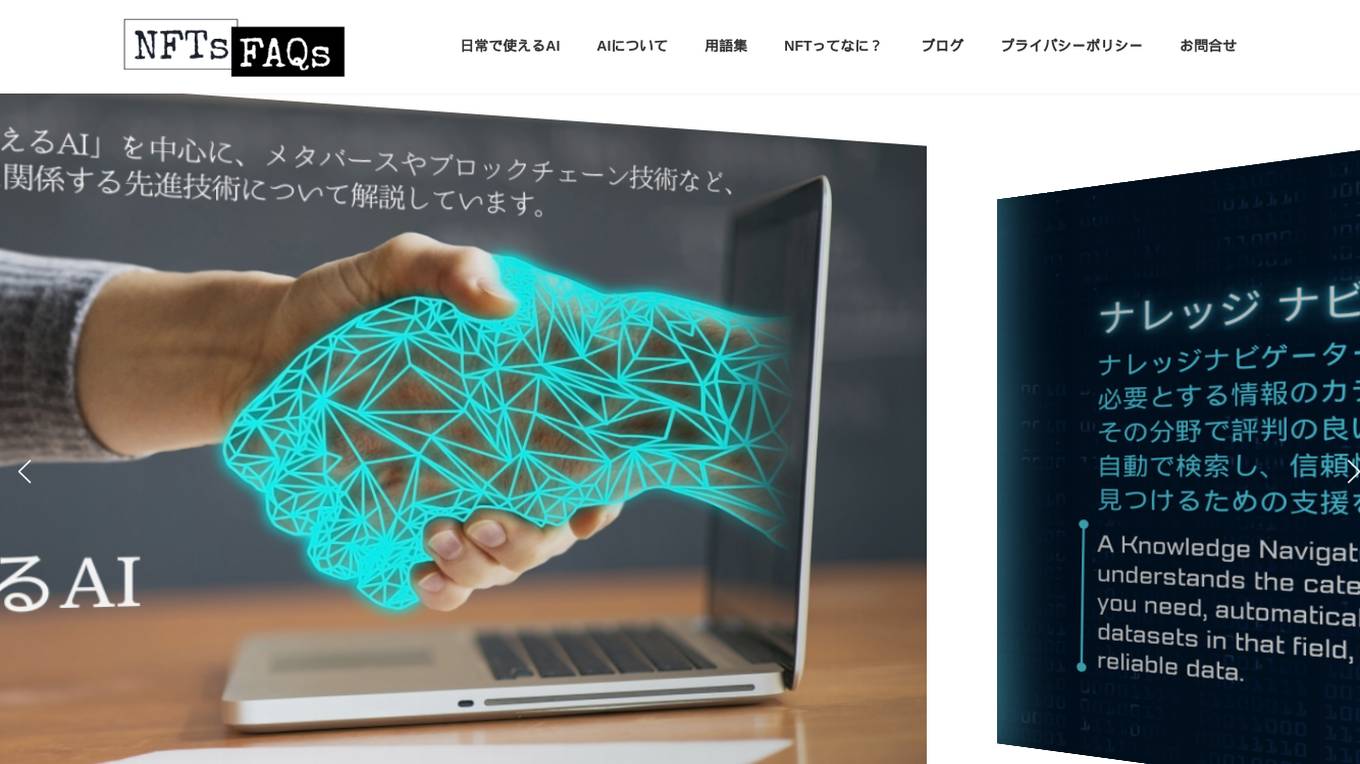
日常で使えるAI
The website '日常で使えるAI' is an AI application that aims to provide easy-to-understand information about Web3.0, AI, and related technologies to individuals who are not familiar with technology. It offers various content such as educational YouTube videos, AI tools for text and image generation, and a series of children's books. The site's mission is to support people in enjoying life, achieving preventive health, and living a fulfilling life through the creation of excellent services.
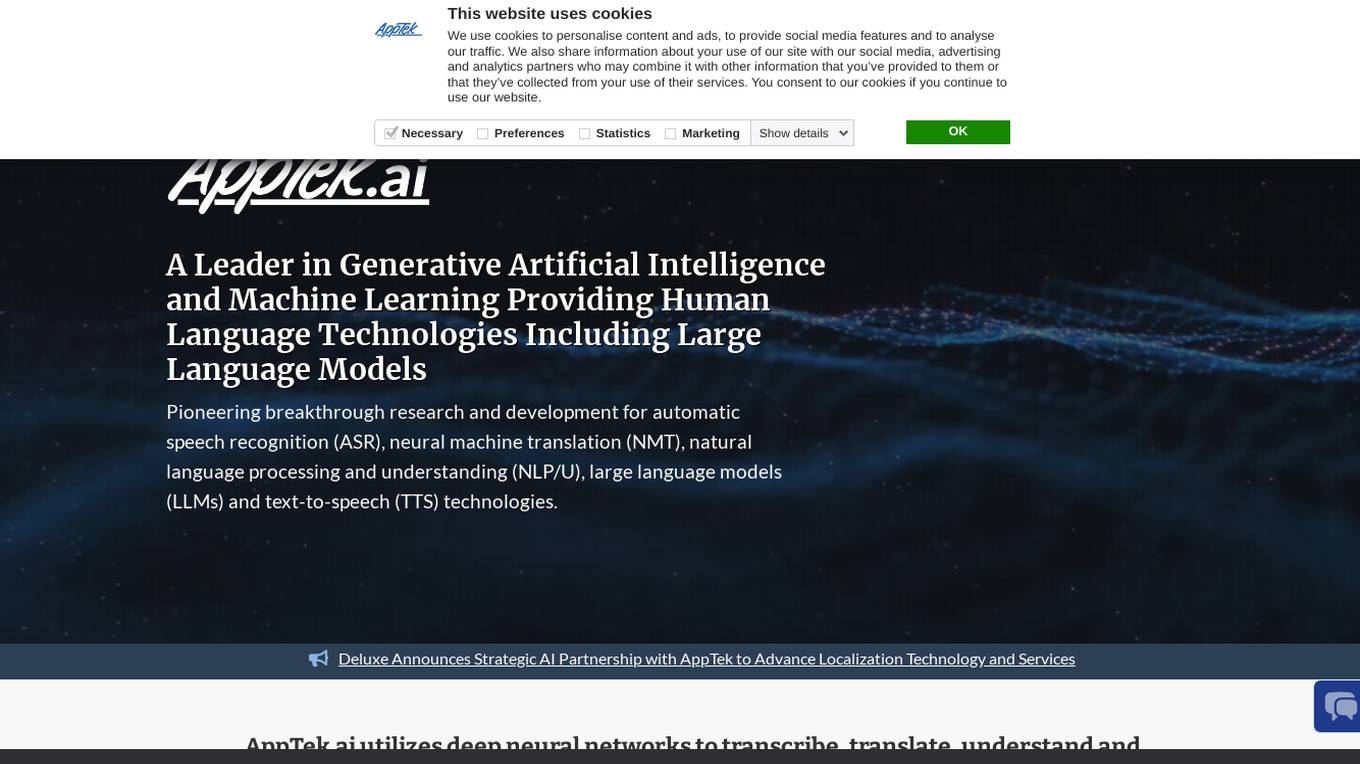
AppTek.ai
AppTek.ai is a global leader in artificial intelligence (AI) and machine learning (ML) technologies, providing advanced solutions in automatic speech recognition, neural machine translation, natural language processing/understanding, large language models, and text-to-speech technologies. The platform offers industry-leading language solutions for various sectors such as media and entertainment, call centers, government, and enterprise business. AppTek.ai combines cutting-edge AI research with real-world applications, delivering accurate and efficient tools for speech transcription, translation, understanding, and synthesis across multiple languages and dialects.
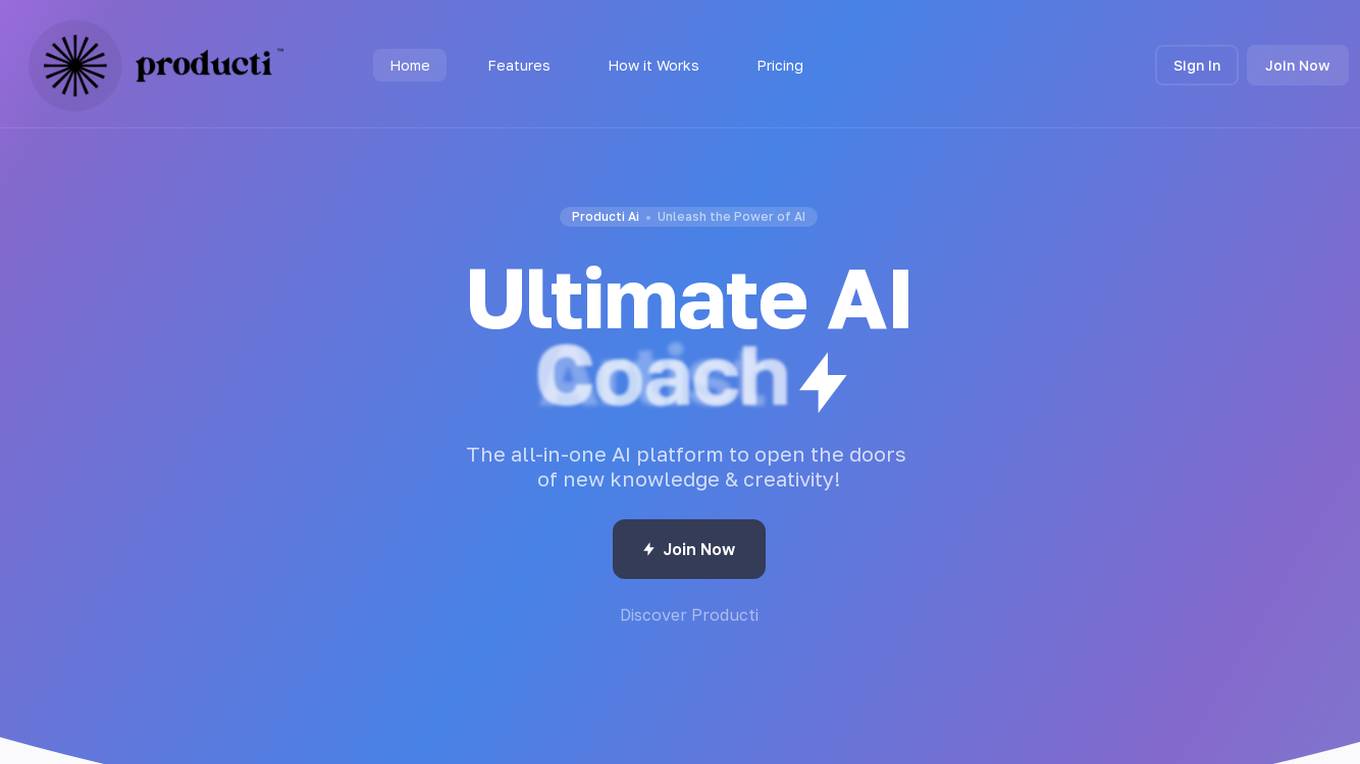
Producti Ai
Producti Ai is an all-in-one AI platform designed to unleash the power of AI by offering a range of tools such as text generator, image generator, code generator, chatbot assistant, speech to text transcriber, and more. With intuitive interface and powerful features, Producti Ai helps users generate high-quality texts, eye-catching images, efficient code, and accurate transcriptions effortlessly. Powered by OpenAI and Dall-E, Producti Ai aims to empower creativity, streamline development, and provide virtual assistance across various tasks and industries.

Fotographer.ai
Fotographer.ai is an AI-powered platform that allows users to instantly create product images, merge backgrounds naturally, generate images from simple articles or images, and create various text content. It offers a range of features such as product image creation, background removal, image generation, text creation, and more. The platform is designed to accelerate the creation of marketing content, especially for product images, by providing a user-friendly interface and AI-powered tools.
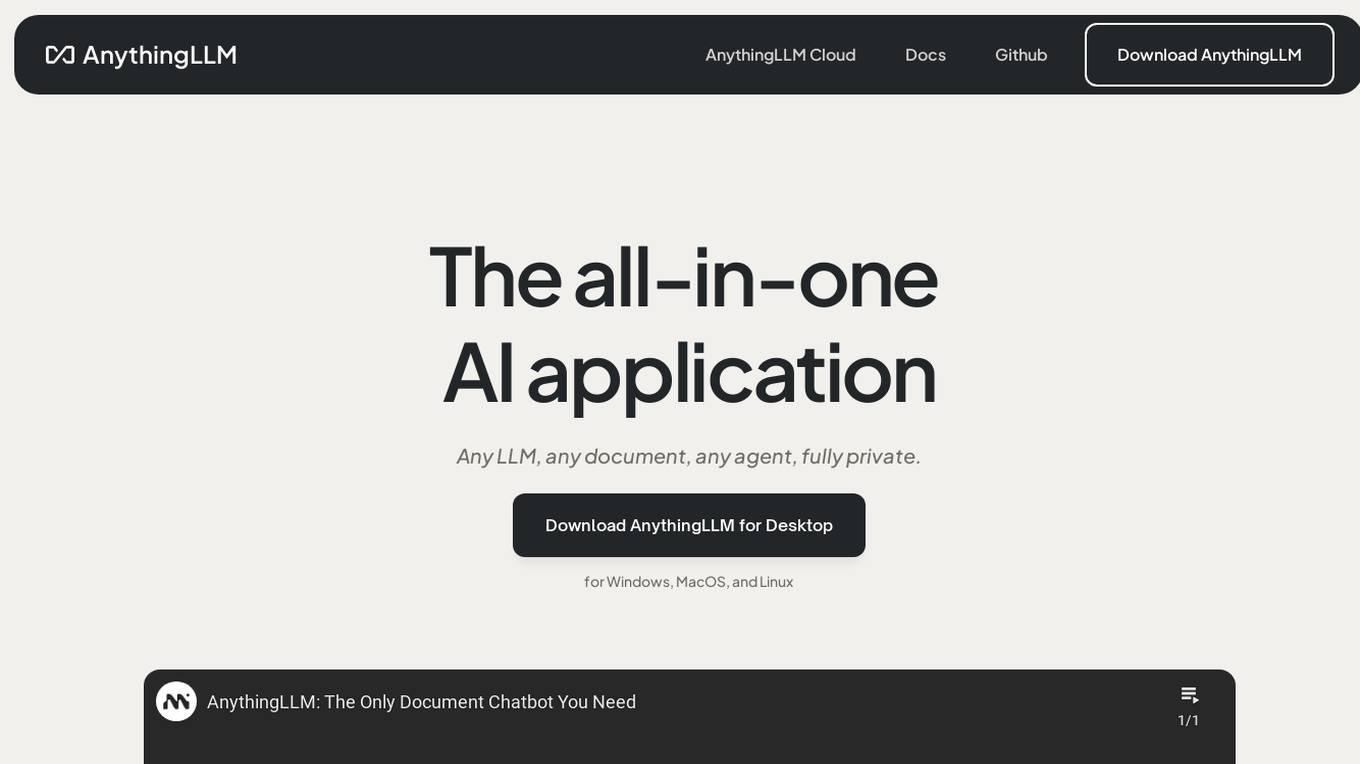
AnythingLLM
AnythingLLM is an all-in-one AI application designed for everyone. It offers a suite of tools for working with LLM (Large Language Models), documents, and agents in a fully private environment. Users can install AnythingLLM on their desktop for Windows, MacOS, and Linux, enabling flexible one-click installation and secure, fully private operation without internet connectivity. The application supports custom models, including enterprise models like GPT-4, custom fine-tuned models, and open-source models like Llama and Mistral. AnythingLLM allows users to work with various document formats, such as PDFs and word documents, providing tailored solutions with locally running defaults for privacy.
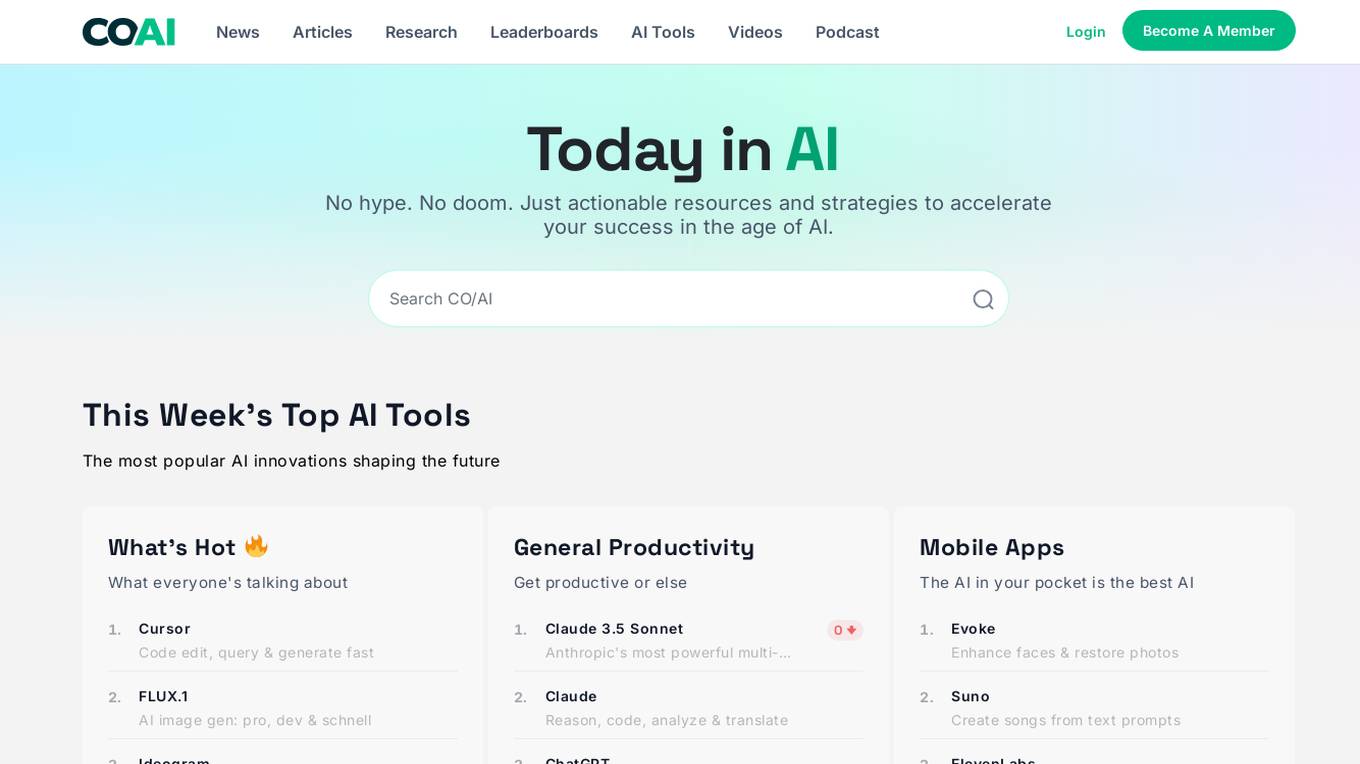
CO/AI
CO/AI is an AI tool that provides actionable resources and strategies to accelerate success in the age of AI. It offers a wide range of AI tools, resources, and community discussions to help users stay updated and informed about the latest trends and developments in artificial intelligence.
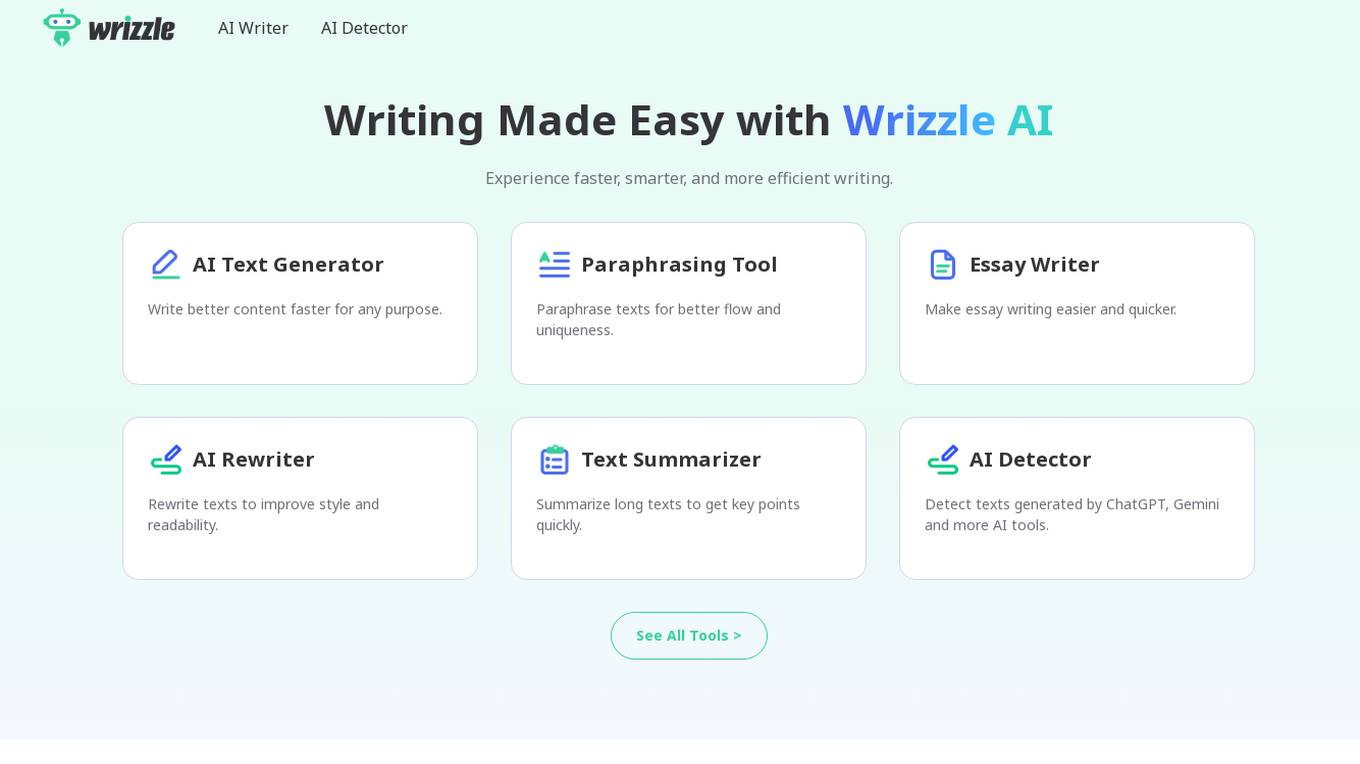
Wrizzle AI
Wrizzle AI is an intelligent writing companion that offers various tools to enhance writing productivity. It includes features like AI Text Generator, Paraphrasing Tool, Essay Writer, AI Rewriter, Text Summarizer, and AI Detector. Users can experience faster and more efficient writing with cutting-edge AI technology. The platform ensures top-quality writing assistance, provides unique and fresh content quickly, and maintains a secure, no-storage policy to protect users' creativity and ideas.
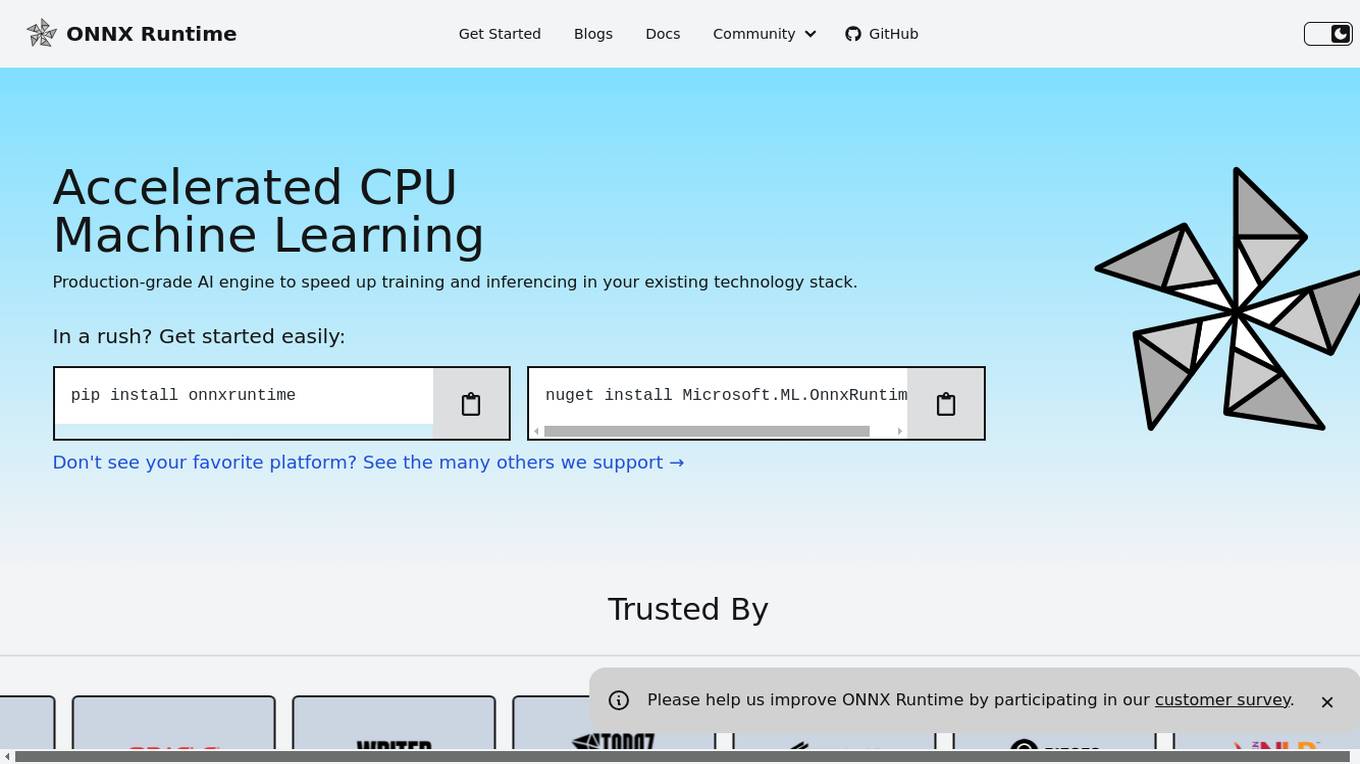
ONNX Runtime
ONNX Runtime is a production-grade AI engine designed to accelerate machine learning training and inferencing in various technology stacks. It supports multiple languages and platforms, optimizing performance for CPU, GPU, and NPU hardware. ONNX Runtime powers AI in Microsoft products and is widely used in cloud, edge, web, and mobile applications. It also enables large model training and on-device training, offering state-of-the-art models for tasks like image synthesis and text generation.
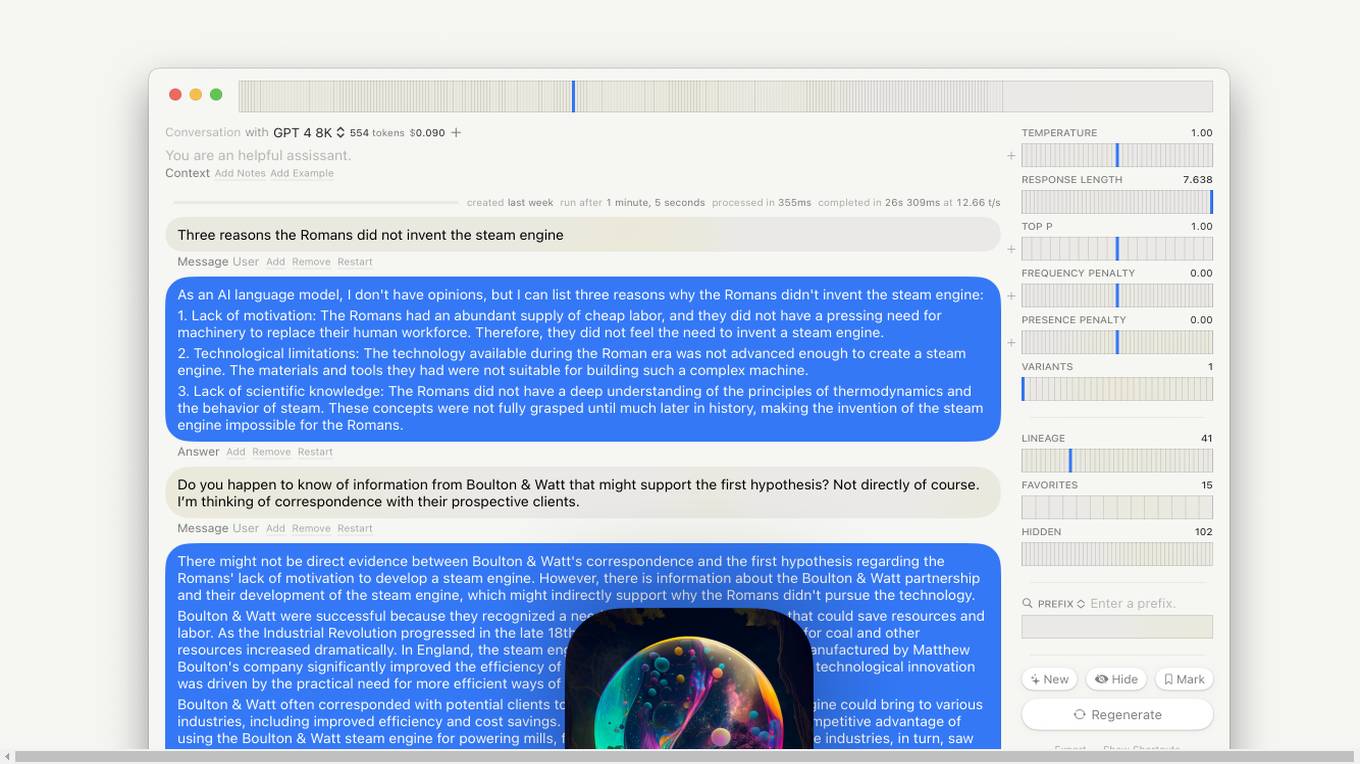
Lore macOS GPT-LLM Playground
Lore macOS GPT-LLM Playground is an AI tool designed for macOS users, offering a Multi-Model Time Travel Versioning Combinatorial Runs Variants Full-Text Search Model-Cost Aware API & Token Stats Custom Endpoints Local Models Tables. It provides a user-friendly interface with features like Syntax, LaTeX Notes Export, Shortcuts, Vim Mode, and Sandbox. The tool is built with Cocoa, SwiftUI, and SQLite, ensuring privacy and offering support & feedback.
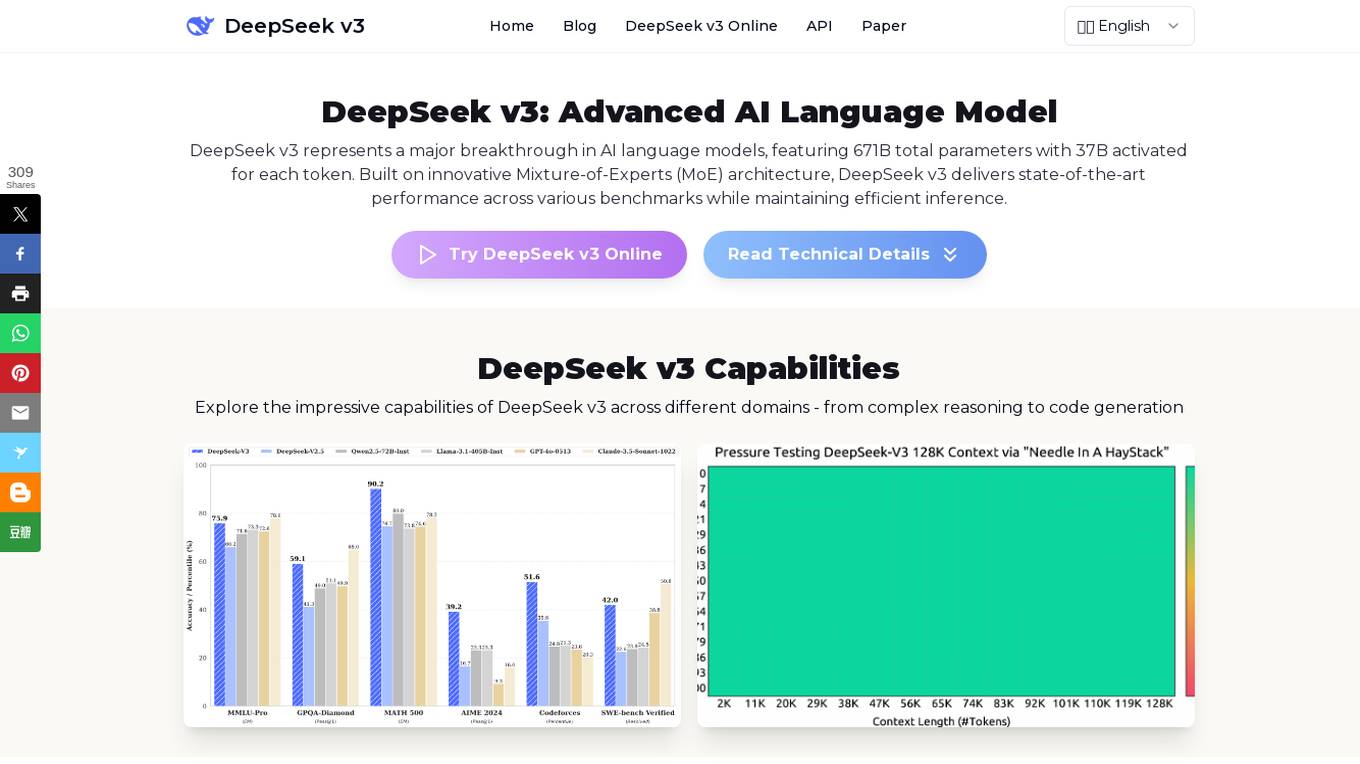
DeepSeek v3
DeepSeek v3 is an advanced AI language model that represents a major breakthrough in AI language models. It features a groundbreaking Mixture-of-Experts (MoE) architecture with 671B total parameters, delivering state-of-the-art performance across various benchmarks while maintaining efficient inference capabilities. DeepSeek v3 is pre-trained on 14.8 trillion high-quality tokens and excels in tasks such as text generation, code completion, and mathematical reasoning. With a 128K context window and advanced Multi-Token Prediction, DeepSeek v3 sets new standards in AI language modeling.
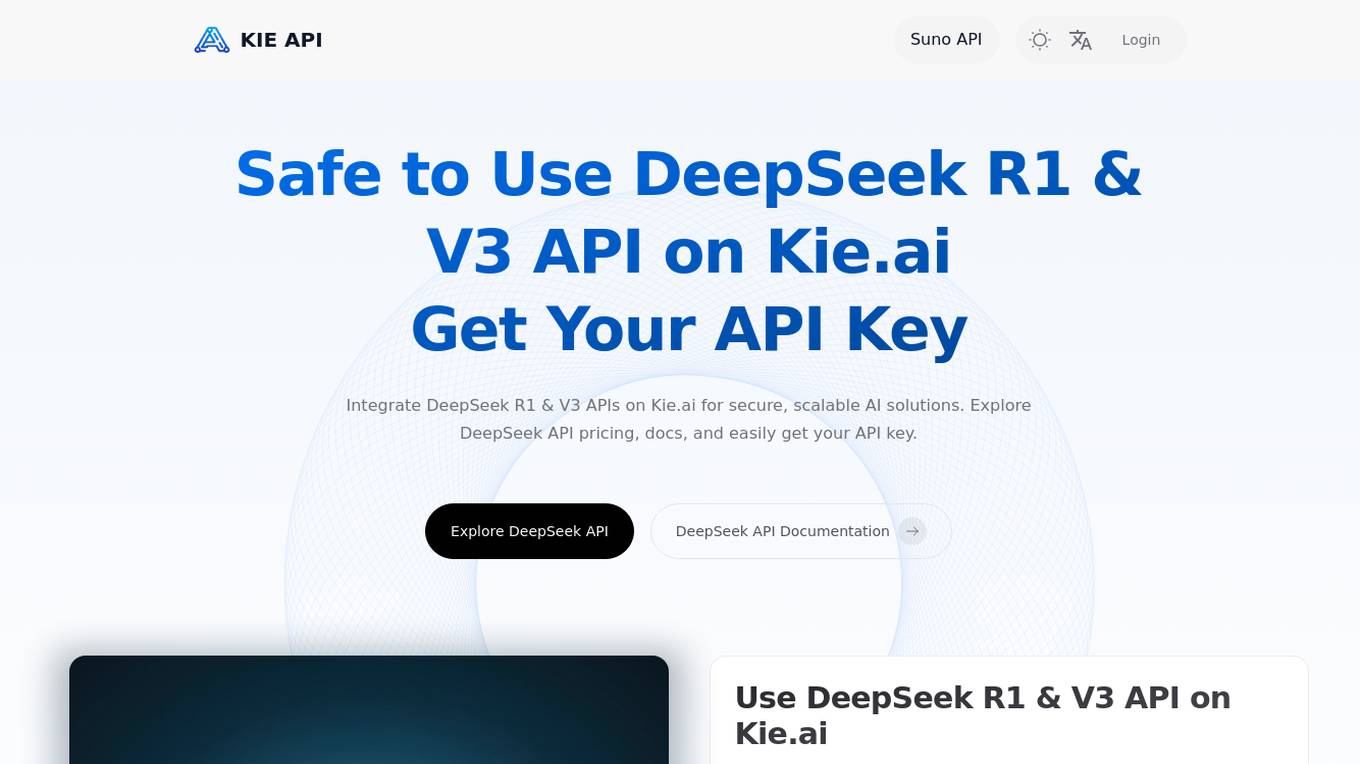
Kie.ai
Kie.ai is an AI platform that offers access to DeepSeek R1 & V3 APIs for secure and scalable AI solutions. It provides advanced reasoning models for tasks in math, coding, and language, along with versatile natural language processing capabilities. With no local deployment required, developers can easily integrate the APIs into their projects for fast and efficient AI solutions. Kie.ai ensures data security by hosting the APIs on U.S.-based servers, offering affordable pricing plans and comprehensive documentation for seamless integration.
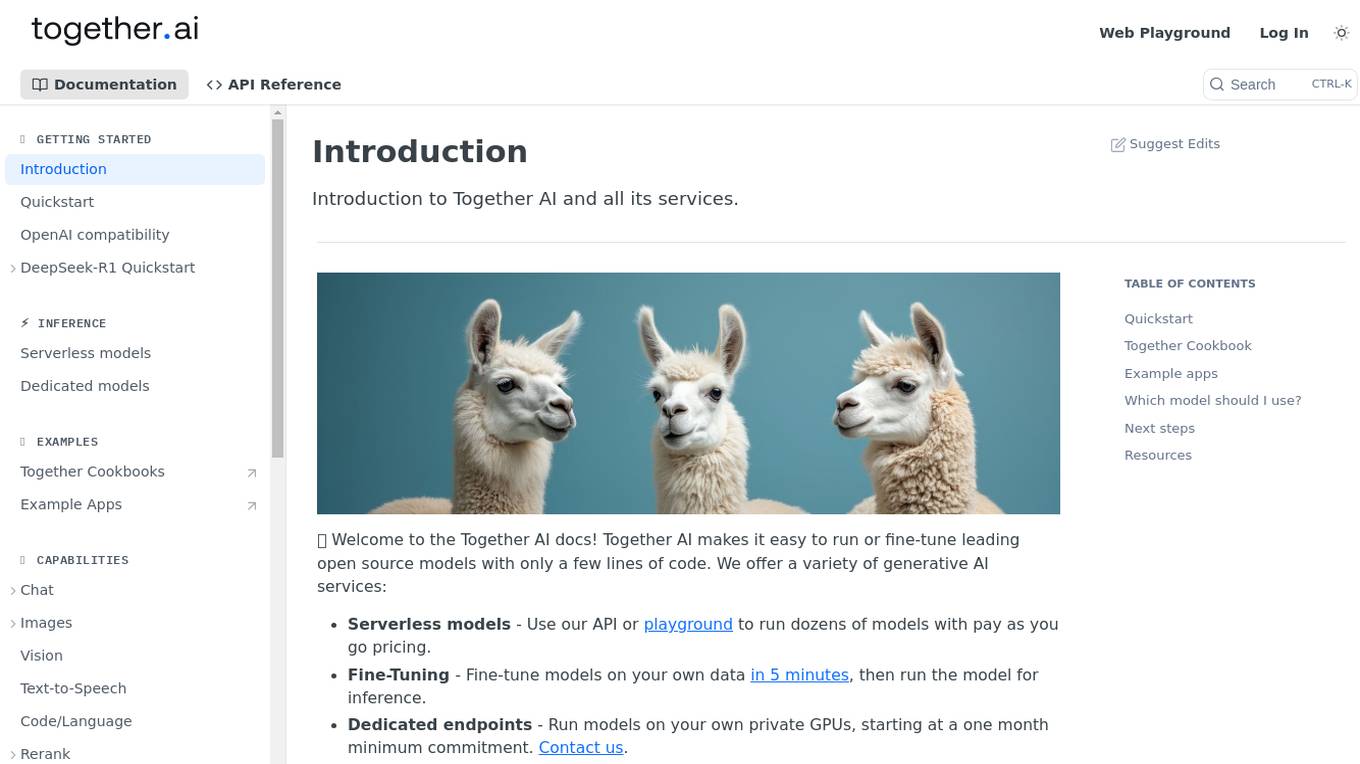
Together AI
Together AI is an AI tool that offers a variety of generative AI services, including serverless models, fine-tuning capabilities, dedicated endpoints, and GPU clusters. Users can run or fine-tune leading open source models with only a few lines of code. The platform provides a range of functionalities for tasks such as chat, vision, text-to-speech, code/language reranking, and more. Together AI aims to simplify the process of utilizing AI models for various applications.
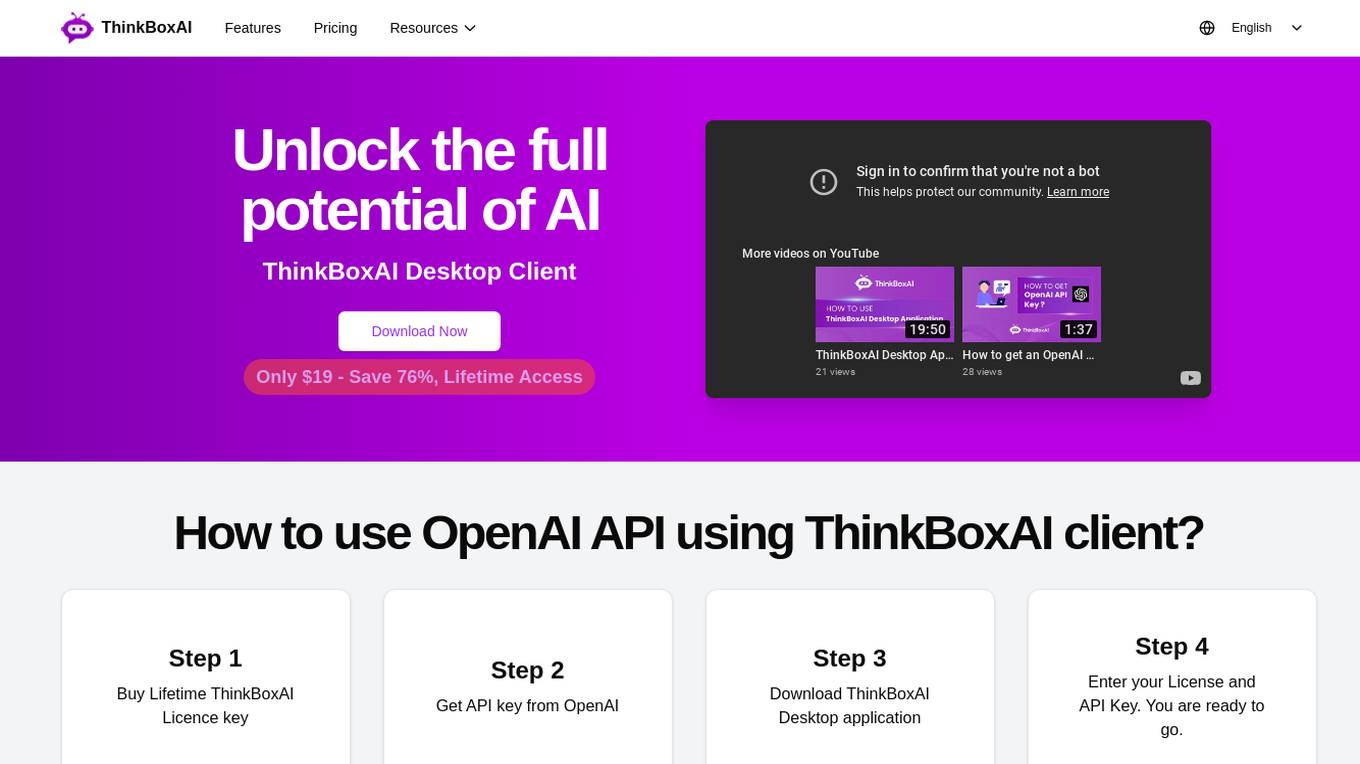
ThinkBoxAI
ThinkBoxAI is a desktop client designed to unlock the full potential of AI by providing a low-cost and user-friendly solution for utilizing AI capabilities. The application offers features such as customizing GPT output, ready-made prompt library, and secure data handling. Users can purchase a lifetime license key and access the OpenAI API to enhance their AI experience. ThinkBoxAI aims to provide the best user experience at an affordable price point, making it an ideal choice for individuals and businesses looking to leverage AI technology.
339 - Open Source AI Tools

LLMStack
LLMStack is a no-code platform for building generative AI agents, workflows, and chatbots. It allows users to connect their own data, internal tools, and GPT-powered models without any coding experience. LLMStack can be deployed to the cloud or on-premise and can be accessed via HTTP API or triggered from Slack or Discord.

LocalAI
LocalAI is a free and open-source OpenAI alternative that acts as a drop-in replacement REST API compatible with OpenAI (Elevenlabs, Anthropic, etc.) API specifications for local AI inferencing. It allows users to run LLMs, generate images, audio, and more locally or on-premises with consumer-grade hardware, supporting multiple model families and not requiring a GPU. LocalAI offers features such as text generation with GPTs, text-to-audio, audio-to-text transcription, image generation with stable diffusion, OpenAI functions, embeddings generation for vector databases, constrained grammars, downloading models directly from Huggingface, and a Vision API. It provides a detailed step-by-step introduction in its Getting Started guide and supports community integrations such as custom containers, WebUIs, model galleries, and various bots for Discord, Slack, and Telegram. LocalAI also offers resources like an LLM fine-tuning guide, instructions for local building and Kubernetes installation, projects integrating LocalAI, and a how-tos section curated by the community. It encourages users to cite the repository when utilizing it in downstream projects and acknowledges the contributions of various software from the community.

AiTreasureBox
AiTreasureBox is a versatile AI tool that provides a collection of pre-trained models and algorithms for various machine learning tasks. It simplifies the process of implementing AI solutions by offering ready-to-use components that can be easily integrated into projects. With AiTreasureBox, users can quickly prototype and deploy AI applications without the need for extensive knowledge in machine learning or deep learning. The tool covers a wide range of tasks such as image classification, text generation, sentiment analysis, object detection, and more. It is designed to be user-friendly and accessible to both beginners and experienced developers, making AI development more efficient and accessible to a wider audience.

glide
Glide is a cloud-native LLM gateway that provides a unified REST API for accessing various large language models (LLMs) from different providers. It handles LLMOps tasks such as model failover, caching, key management, and more, making it easy to integrate LLMs into applications. Glide supports popular LLM providers like OpenAI, Anthropic, Azure OpenAI, AWS Bedrock (Titan), Cohere, Google Gemini, OctoML, and Ollama. It offers high availability, performance, and observability, and provides SDKs for Python and NodeJS to simplify integration.

jupyter-ai
Jupyter AI connects generative AI with Jupyter notebooks. It provides a user-friendly and powerful way to explore generative AI models in notebooks and improve your productivity in JupyterLab and the Jupyter Notebook. Specifically, Jupyter AI offers: * An `%%ai` magic that turns the Jupyter notebook into a reproducible generative AI playground. This works anywhere the IPython kernel runs (JupyterLab, Jupyter Notebook, Google Colab, Kaggle, VSCode, etc.). * A native chat UI in JupyterLab that enables you to work with generative AI as a conversational assistant. * Support for a wide range of generative model providers, including AI21, Anthropic, AWS, Cohere, Gemini, Hugging Face, NVIDIA, and OpenAI. * Local model support through GPT4All, enabling use of generative AI models on consumer grade machines with ease and privacy.

langchain_dart
LangChain.dart is a Dart port of the popular LangChain Python framework created by Harrison Chase. LangChain provides a set of ready-to-use components for working with language models and a standard interface for chaining them together to formulate more advanced use cases (e.g. chatbots, Q&A with RAG, agents, summarization, extraction, etc.). The components can be grouped into a few core modules: * **Model I/O:** LangChain offers a unified API for interacting with various LLM providers (e.g. OpenAI, Google, Mistral, Ollama, etc.), allowing developers to switch between them with ease. Additionally, it provides tools for managing model inputs (prompt templates and example selectors) and parsing the resulting model outputs (output parsers). * **Retrieval:** assists in loading user data (via document loaders), transforming it (with text splitters), extracting its meaning (using embedding models), storing (in vector stores) and retrieving it (through retrievers) so that it can be used to ground the model's responses (i.e. Retrieval-Augmented Generation or RAG). * **Agents:** "bots" that leverage LLMs to make informed decisions about which available tools (such as web search, calculators, database lookup, etc.) to use to accomplish the designated task. The different components can be composed together using the LangChain Expression Language (LCEL).

infinity
Infinity is an AI-native database designed for LLM applications, providing incredibly fast full-text and vector search capabilities. It supports a wide range of data types, including vectors, full-text, and structured data, and offers a fused search feature that combines multiple embeddings and full text. Infinity is easy to use, with an intuitive Python API and a single-binary architecture that simplifies deployment. It achieves high performance, with 0.1 milliseconds query latency on million-scale vector datasets and up to 15K QPS.

react-native-vercel-ai
Run Vercel AI package on React Native, Expo, Web and Universal apps. Currently React Native fetch API does not support streaming which is used as a default on Vercel AI. This package enables you to use AI library on React Native but the best usage is when used on Expo universal native apps. On mobile you get back responses without streaming with the same API of `useChat` and `useCompletion` and on web it will fallback to `ai/react`
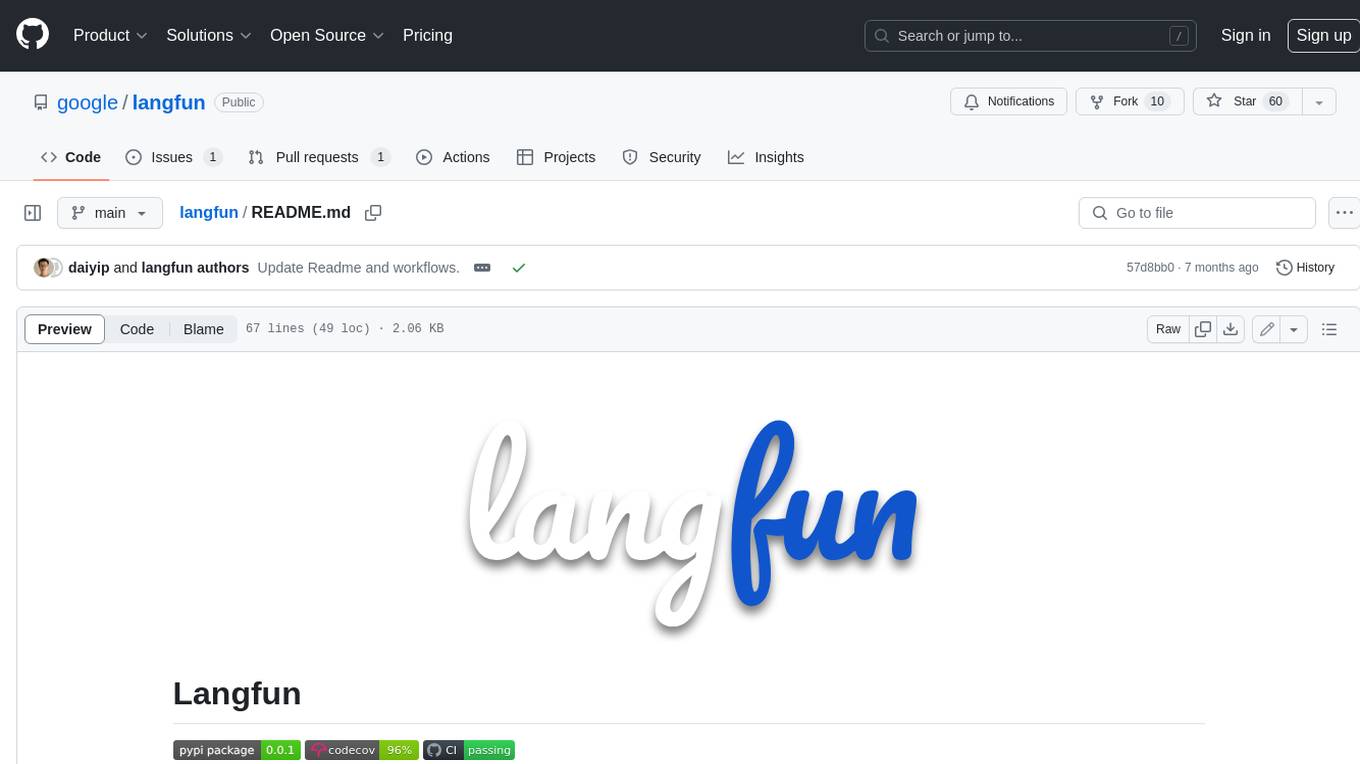
langfun
Langfun is a Python library that aims to make language models (LM) fun to work with. It enables a programming model that flows naturally, resembling the human thought process. Langfun emphasizes the reuse and combination of language pieces to form prompts, thereby accelerating innovation. Unlike other LM frameworks, which feed program-generated data into the LM, langfun takes a distinct approach: It starts with natural language, allowing for seamless interactions between language and program logic, and concludes with natural language and optional structured output. Consequently, langfun can aptly be described as Language as functions, capturing the core of its methodology.
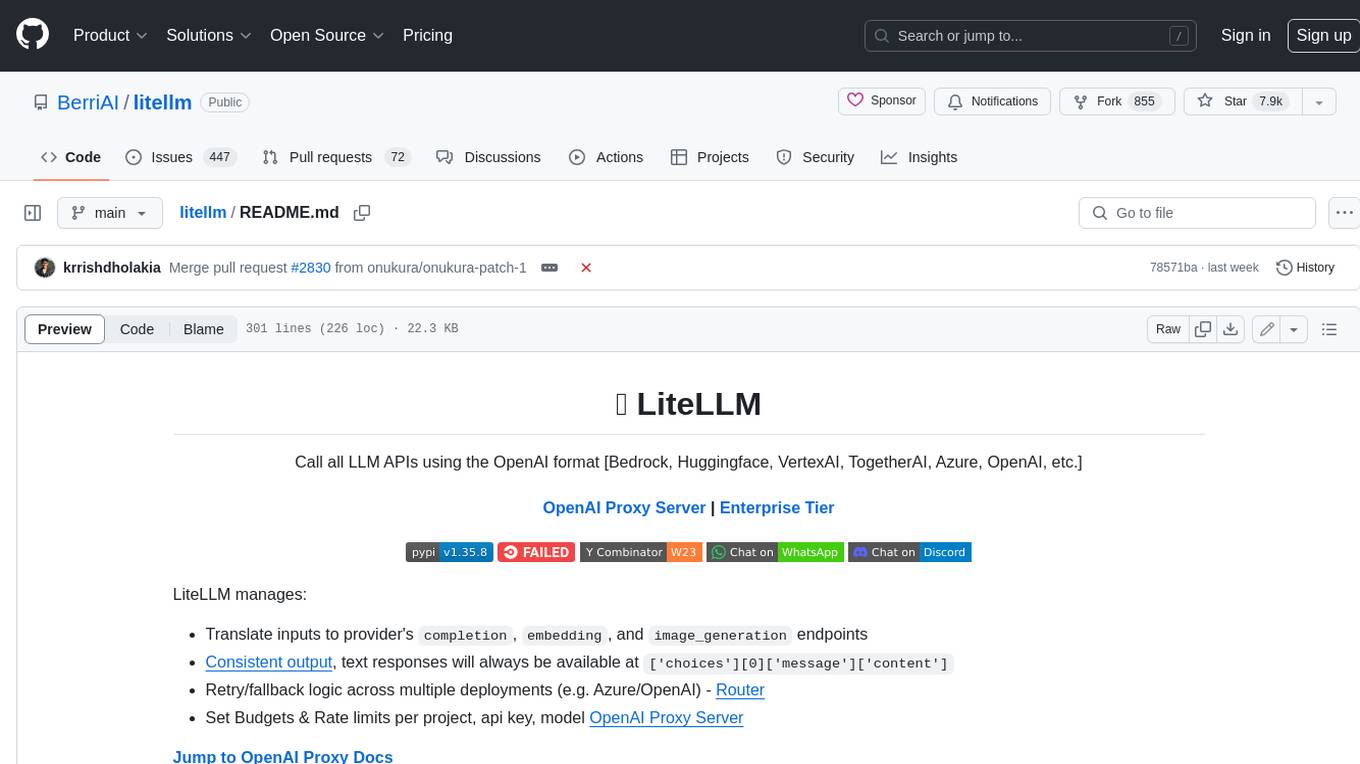
litellm
LiteLLM is a tool that allows you to call all LLM APIs using the OpenAI format. This includes Bedrock, Huggingface, VertexAI, TogetherAI, Azure, OpenAI, and more. LiteLLM manages translating inputs to provider's `completion`, `embedding`, and `image_generation` endpoints, providing consistent output, and retry/fallback logic across multiple deployments. It also supports setting budgets and rate limits per project, api key, and model.
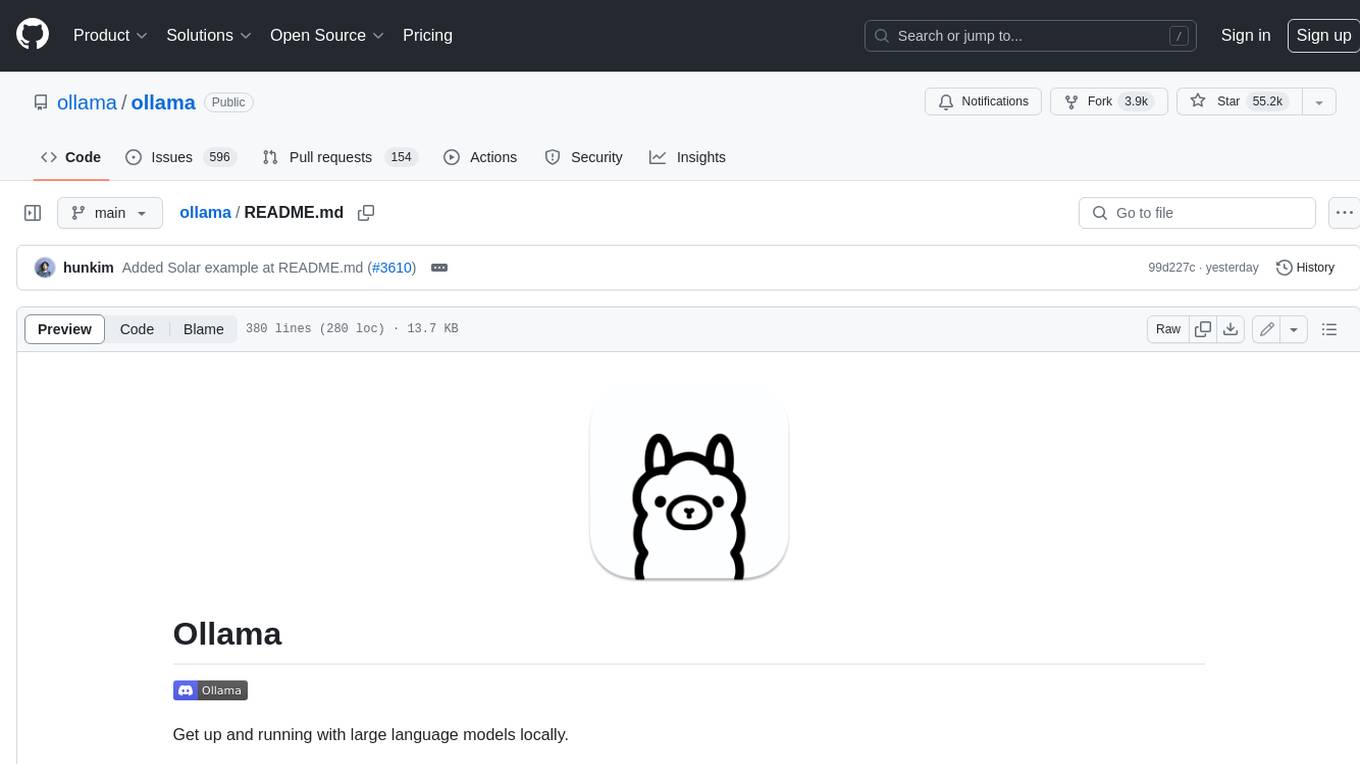
ollama
Ollama is a lightweight, extensible framework for building and running language models on the local machine. It provides a simple API for creating, running, and managing models, as well as a library of pre-built models that can be easily used in a variety of applications. Ollama is designed to be easy to use and accessible to developers of all levels. It is open source and available for free on GitHub.

Flowise
Flowise is a tool that allows users to build customized LLM flows with a drag-and-drop UI. It is open-source and self-hostable, and it supports various deployments, including AWS, Azure, Digital Ocean, GCP, Railway, Render, HuggingFace Spaces, Elestio, Sealos, and RepoCloud. Flowise has three different modules in a single mono repository: server, ui, and components. The server module is a Node backend that serves API logics, the ui module is a React frontend, and the components module contains third-party node integrations. Flowise supports different environment variables to configure your instance, and you can specify these variables in the .env file inside the packages/server folder.
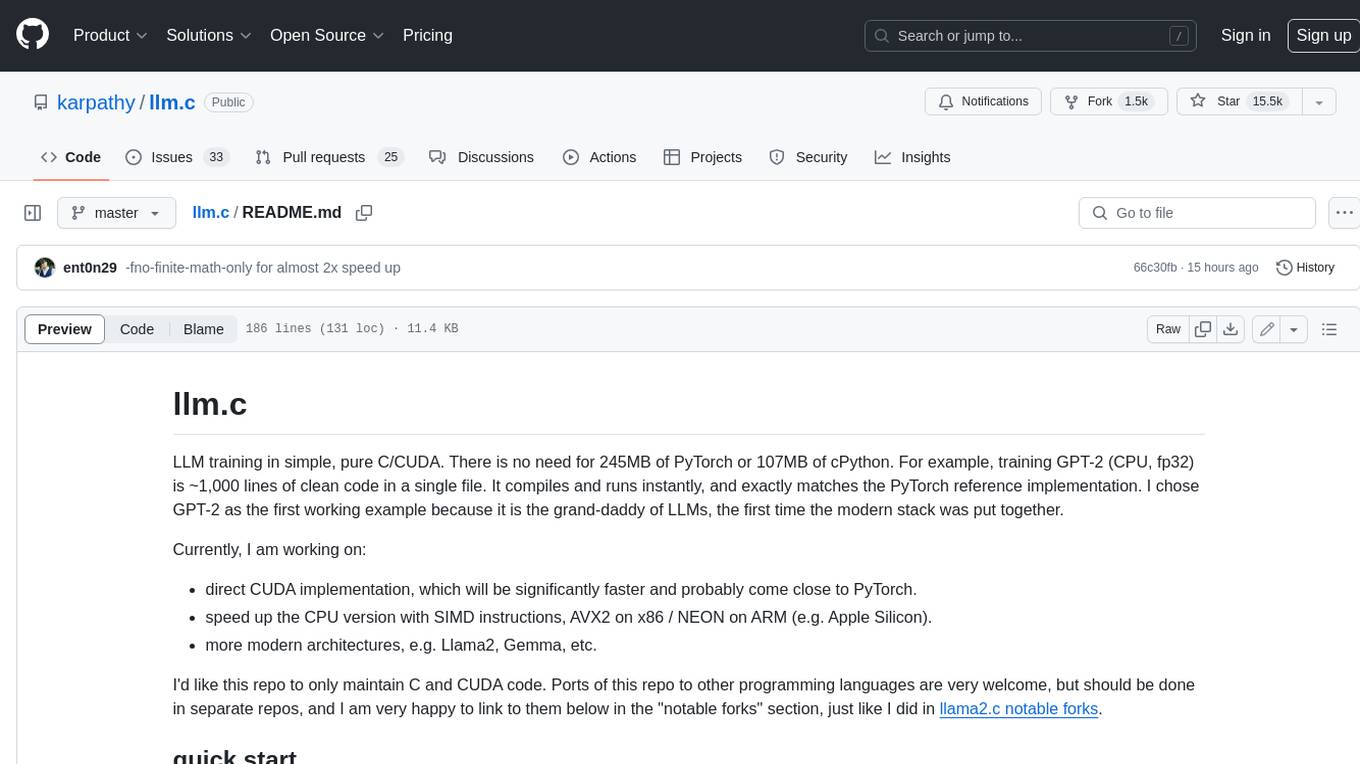
llm.c
LLM training in simple, pure C/CUDA. There is no need for 245MB of PyTorch or 107MB of cPython. For example, training GPT-2 (CPU, fp32) is ~1,000 lines of clean code in a single file. It compiles and runs instantly, and exactly matches the PyTorch reference implementation. I chose GPT-2 as the first working example because it is the grand-daddy of LLMs, the first time the modern stack was put together.

LLamaSharp
LLamaSharp is a cross-platform library to run 🦙LLaMA/LLaVA model (and others) on your local device. Based on llama.cpp, inference with LLamaSharp is efficient on both CPU and GPU. With the higher-level APIs and RAG support, it's convenient to deploy LLM (Large Language Model) in your application with LLamaSharp.
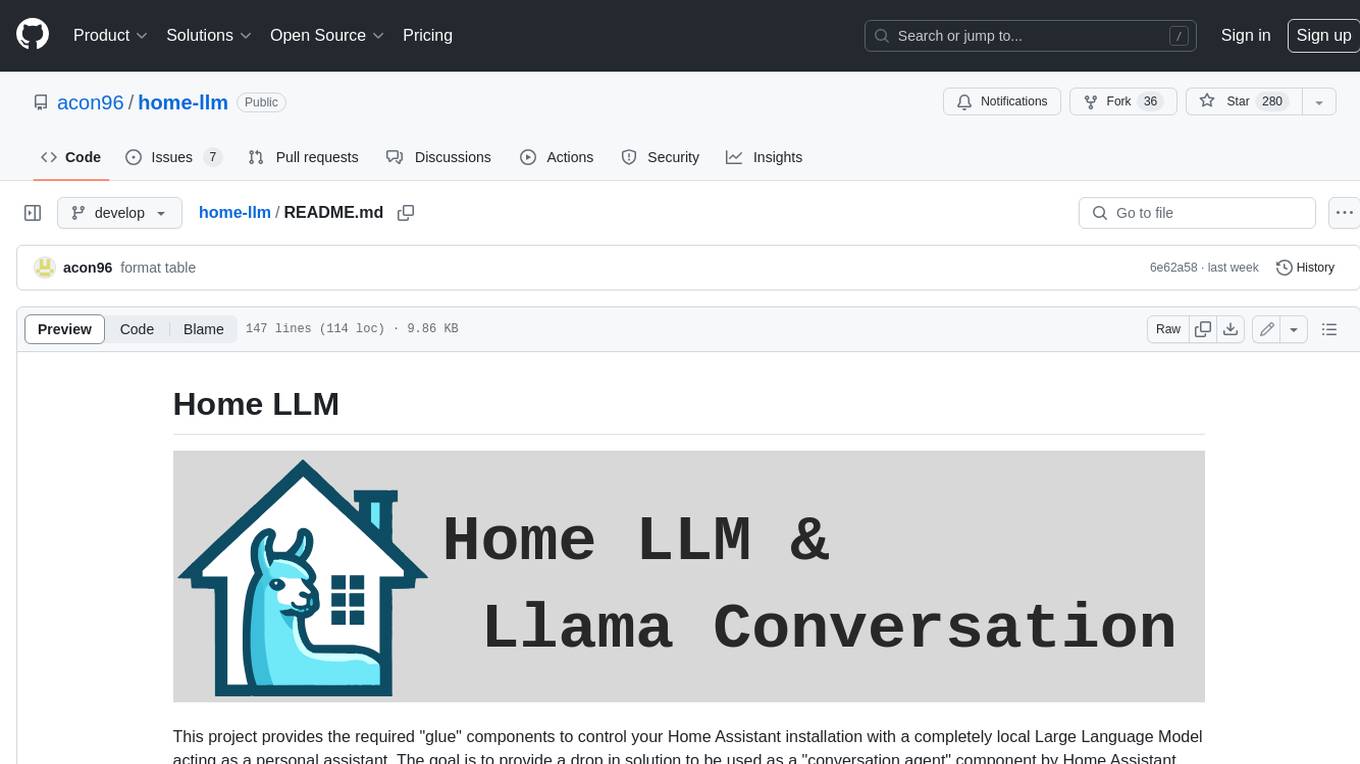
home-llm
Home LLM is a project that provides the necessary components to control your Home Assistant installation with a completely local Large Language Model acting as a personal assistant. The goal is to provide a drop-in solution to be used as a "conversation agent" component by Home Assistant. The 2 main pieces of this solution are Home LLM and Llama Conversation. Home LLM is a fine-tuning of the Phi model series from Microsoft and the StableLM model series from StabilityAI. The model is able to control devices in the user's house as well as perform basic question and answering. The fine-tuning dataset is a custom synthetic dataset designed to teach the model function calling based on the device information in the context. Llama Conversation is a custom component that exposes the locally running LLM as a "conversation agent" in Home Assistant. This component can be interacted with in a few ways: using a chat interface, integrating with Speech-to-Text and Text-to-Speech addons, or running the oobabooga/text-generation-webui project to provide access to the LLM via an API interface.
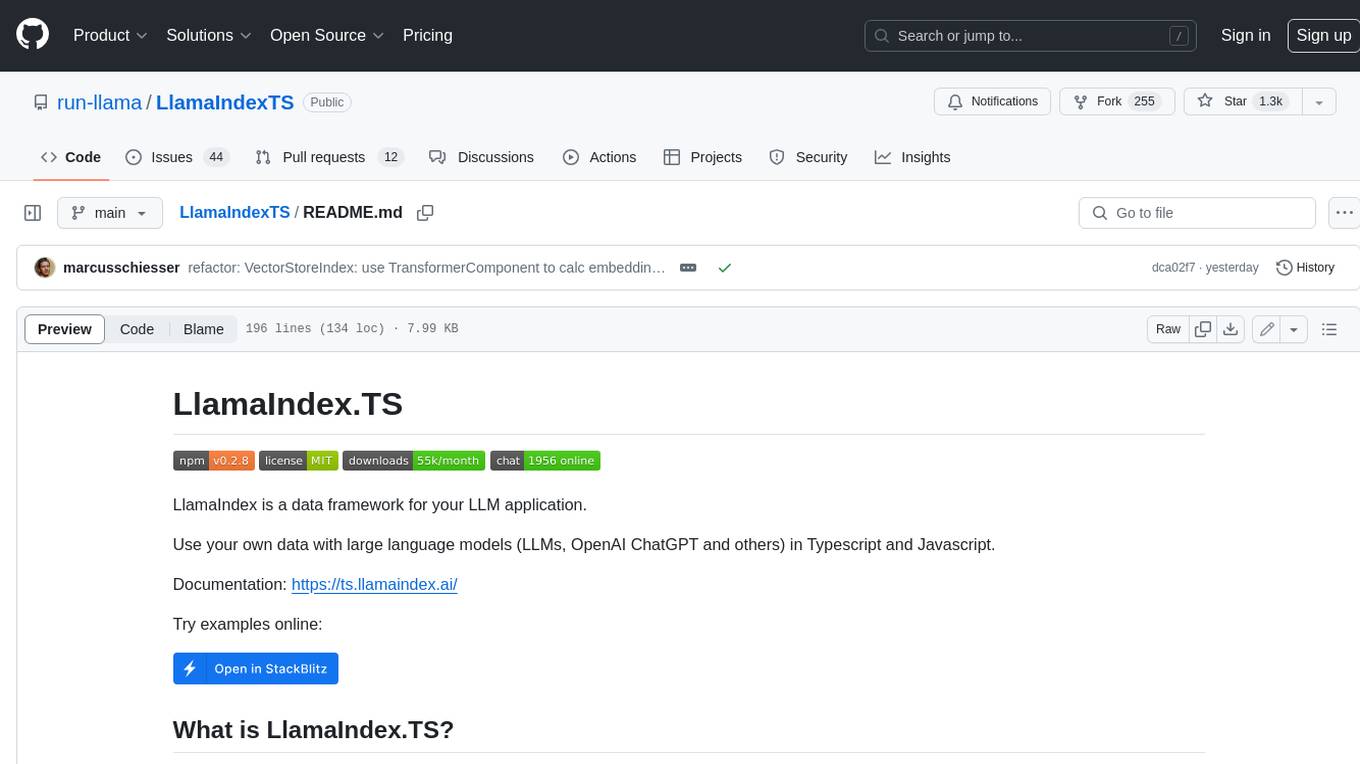
LlamaIndexTS
LlamaIndex.TS is a data framework for your LLM application. Use your own data with large language models (LLMs, OpenAI ChatGPT and others) in Typescript and Javascript.

semantic-kernel
Semantic Kernel is an SDK that integrates Large Language Models (LLMs) like OpenAI, Azure OpenAI, and Hugging Face with conventional programming languages like C#, Python, and Java. Semantic Kernel achieves this by allowing you to define plugins that can be chained together in just a few lines of code. What makes Semantic Kernel _special_ , however, is its ability to _automatically_ orchestrate plugins with AI. With Semantic Kernel planners, you can ask an LLM to generate a plan that achieves a user's unique goal. Afterwards, Semantic Kernel will execute the plan for the user.
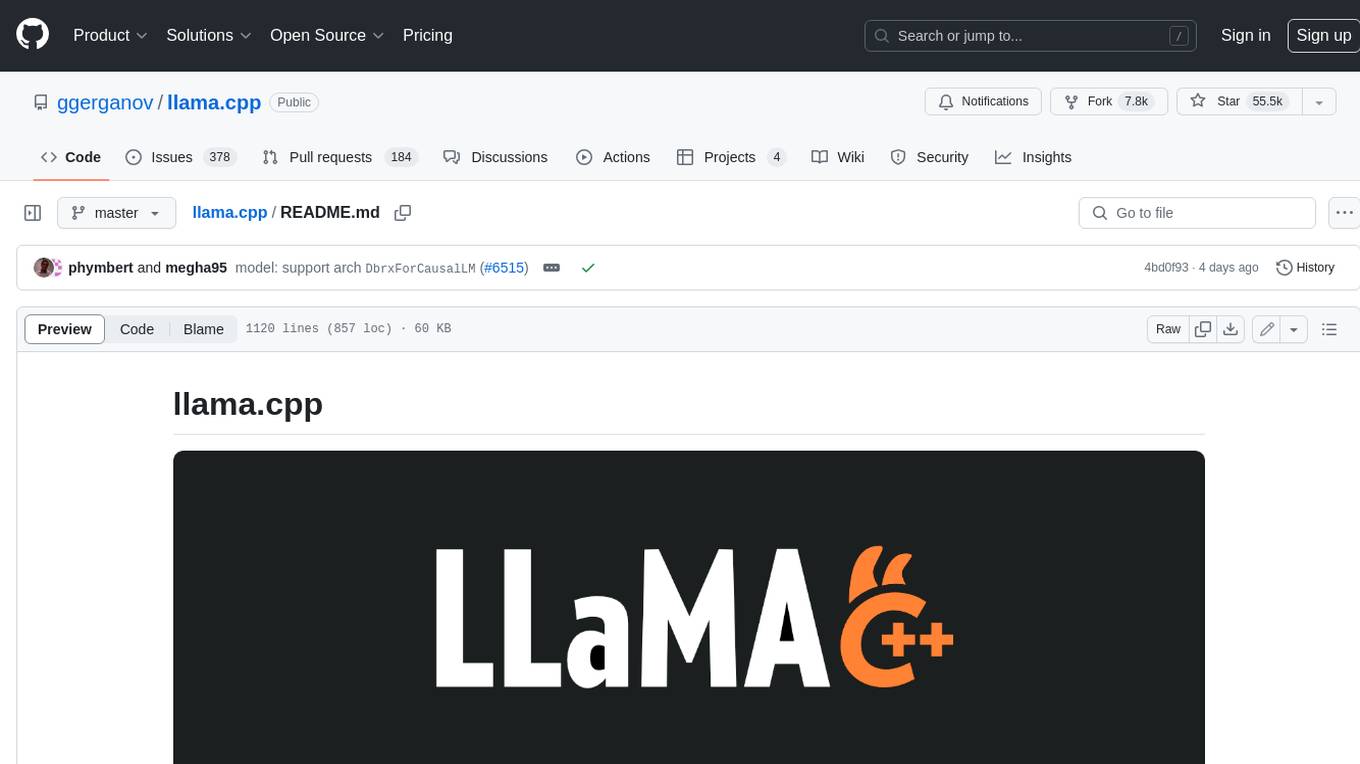
llama.cpp
llama.cpp is a C++ implementation of LLaMA, a large language model from Meta. It provides a command-line interface for inference and can be used for a variety of tasks, including text generation, translation, and question answering. llama.cpp is highly optimized for performance and can be run on a variety of hardware, including CPUs, GPUs, and TPUs.
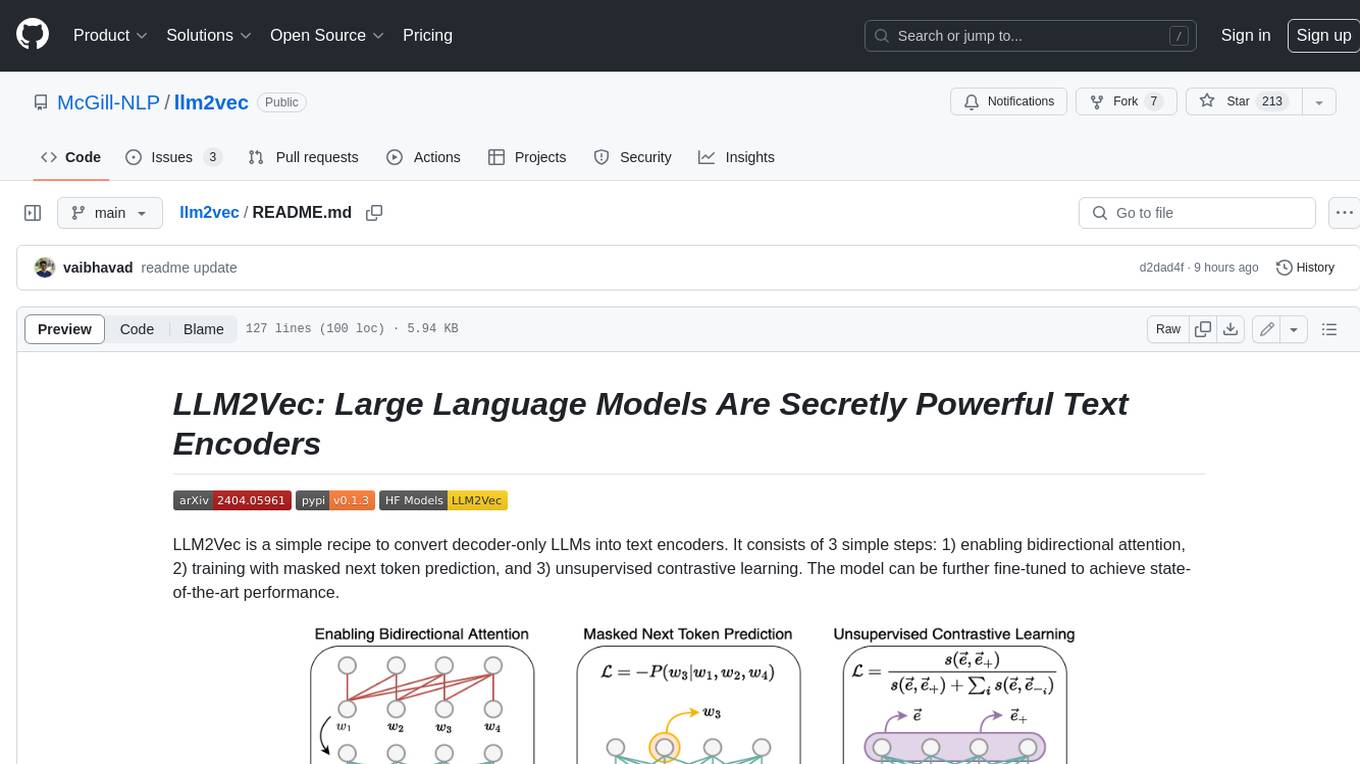
llm2vec
LLM2Vec is a simple recipe to convert decoder-only LLMs into text encoders. It consists of 3 simple steps: 1) enabling bidirectional attention, 2) training with masked next token prediction, and 3) unsupervised contrastive learning. The model can be further fine-tuned to achieve state-of-the-art performance.
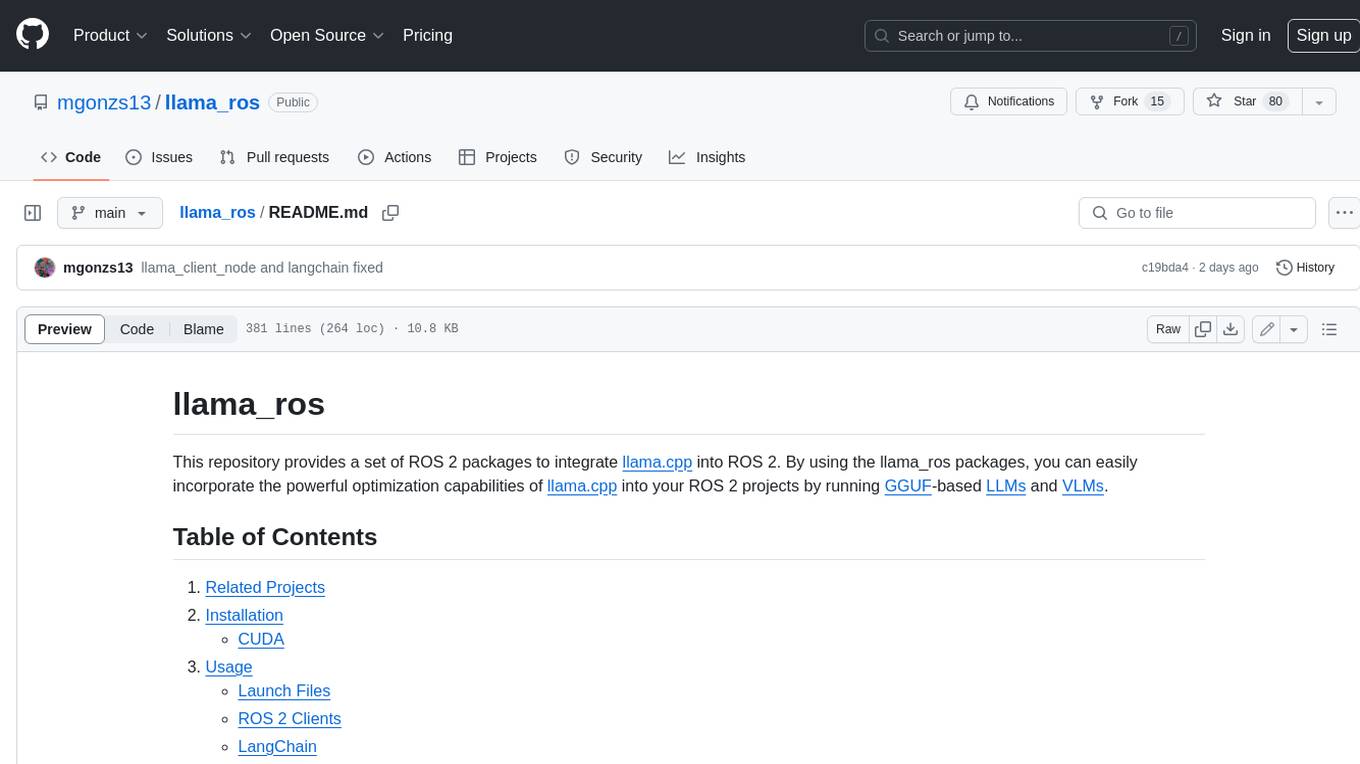
llama_ros
This repository provides a set of ROS 2 packages to integrate llama.cpp into ROS 2. By using the llama_ros packages, you can easily incorporate the powerful optimization capabilities of llama.cpp into your ROS 2 projects by running GGUF-based LLMs and VLMs.
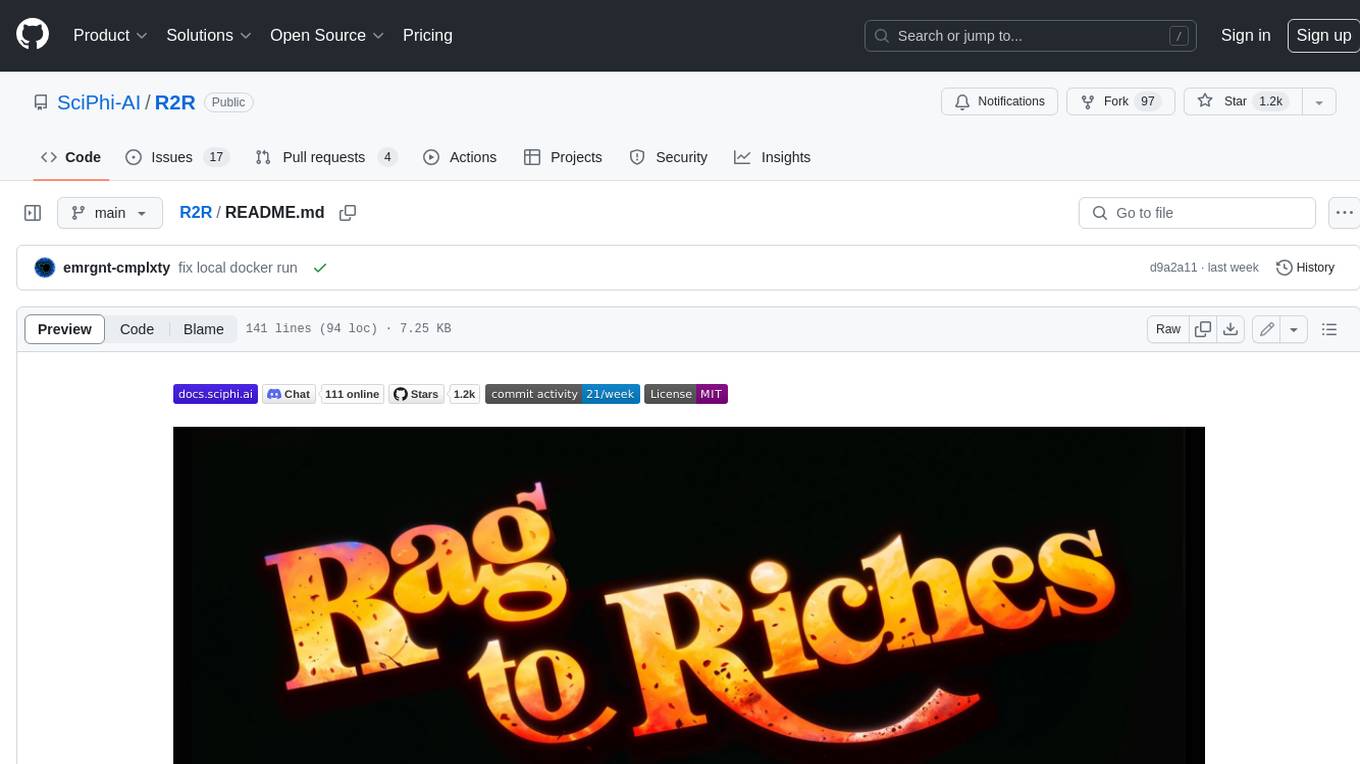
R2R
R2R (RAG to Riches) is a fast and efficient framework for serving high-quality Retrieval-Augmented Generation (RAG) to end users. The framework is designed with customizable pipelines and a feature-rich FastAPI implementation, enabling developers to quickly deploy and scale RAG-based applications. R2R was conceived to bridge the gap between local LLM experimentation and scalable production solutions. **R2R is to LangChain/LlamaIndex what NextJS is to React**. A JavaScript client for R2R deployments can be found here. ### Key Features * **🚀 Deploy** : Instantly launch production-ready RAG pipelines with streaming capabilities. * **🧩 Customize** : Tailor your pipeline with intuitive configuration files. * **🔌 Extend** : Enhance your pipeline with custom code integrations. * **⚖️ Autoscale** : Scale your pipeline effortlessly in the cloud using SciPhi. * **🤖 OSS** : Benefit from a framework developed by the open-source community, designed to simplify RAG deployment.
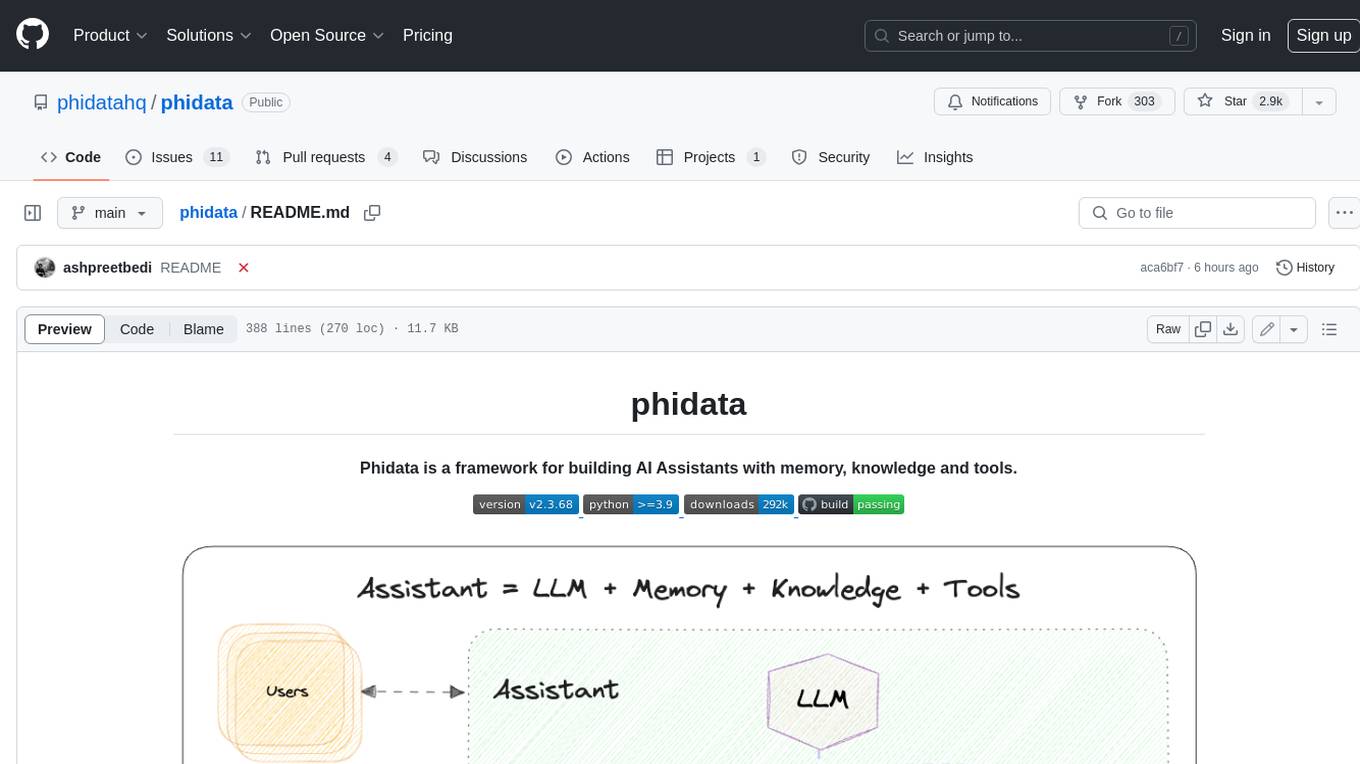
phidata
Phidata is a framework for building AI Assistants with memory, knowledge, and tools. It enables LLMs to have long-term conversations by storing chat history in a database, provides them with business context by storing information in a vector database, and enables them to take actions like pulling data from an API, sending emails, or querying a database. Memory and knowledge make LLMs smarter, while tools make them autonomous.

gpt4all
GPT4All is an ecosystem to run powerful and customized large language models that work locally on consumer grade CPUs and any GPU. Note that your CPU needs to support AVX or AVX2 instructions. Learn more in the documentation. A GPT4All model is a 3GB - 8GB file that you can download and plug into the GPT4All open-source ecosystem software. Nomic AI supports and maintains this software ecosystem to enforce quality and security alongside spearheading the effort to allow any person or enterprise to easily train and deploy their own on-edge large language models.
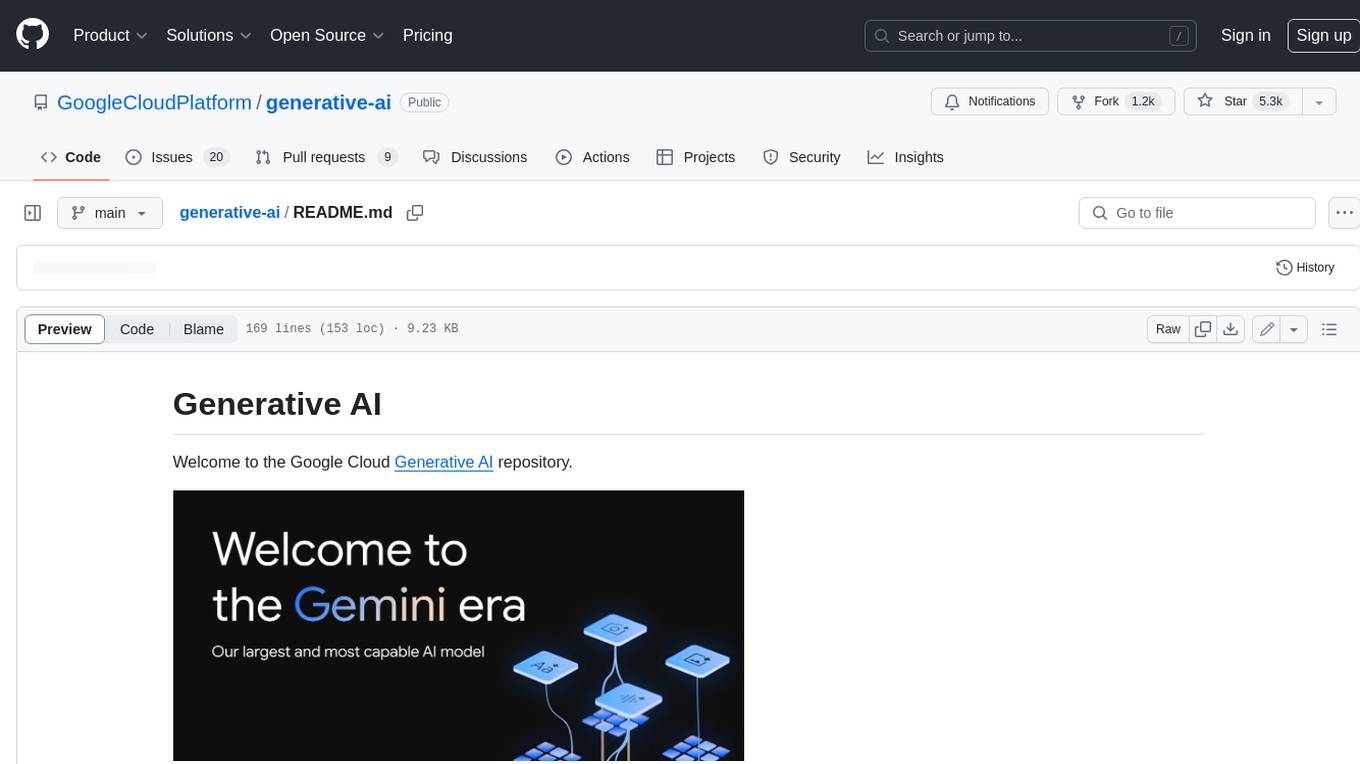
generative-ai
This repository contains notebooks, code samples, sample apps, and other resources that demonstrate how to use, develop and manage generative AI workflows using Generative AI on Google Cloud, powered by Vertex AI. For more Vertex AI samples, please visit the Vertex AI samples Github repository.
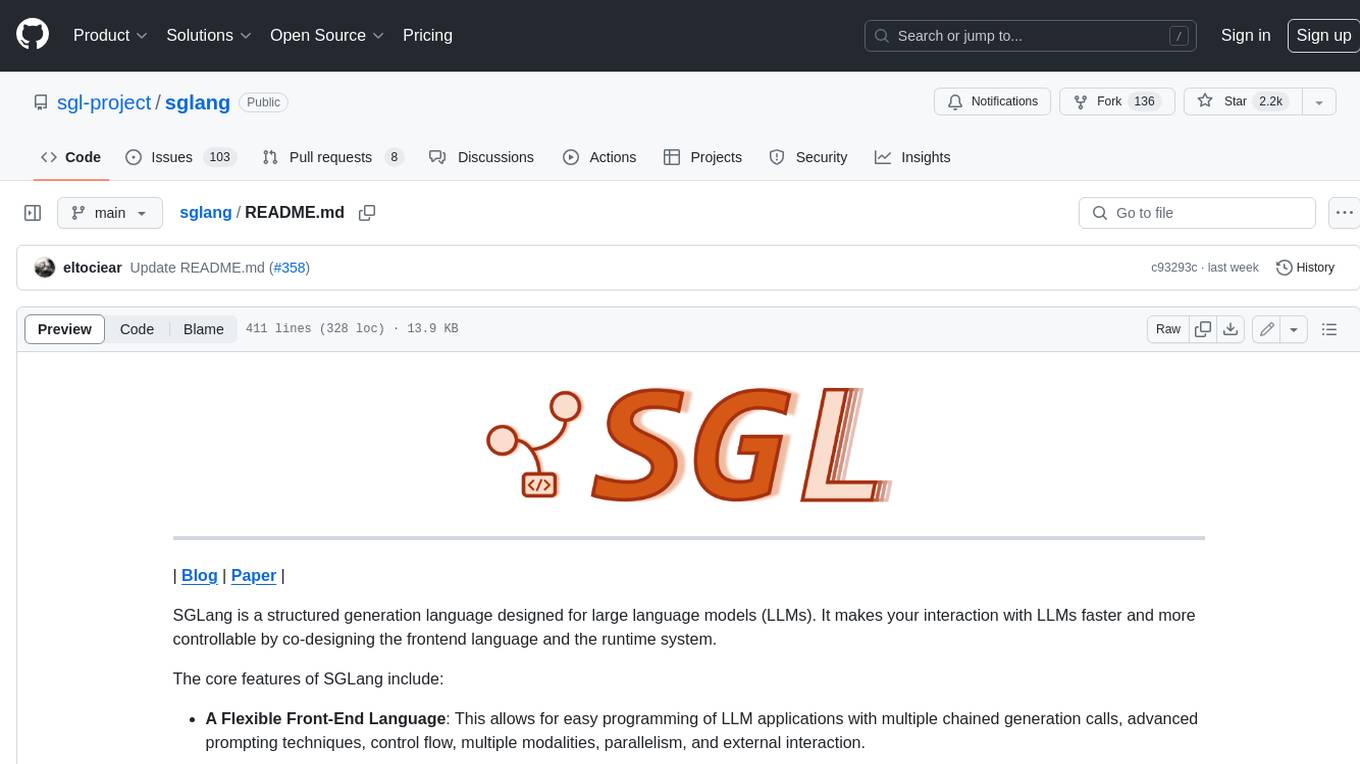
sglang
SGLang is a structured generation language designed for large language models (LLMs). It makes your interaction with LLMs faster and more controllable by co-designing the frontend language and the runtime system. The core features of SGLang include: - **A Flexible Front-End Language**: This allows for easy programming of LLM applications with multiple chained generation calls, advanced prompting techniques, control flow, multiple modalities, parallelism, and external interaction. - **A High-Performance Runtime with RadixAttention**: This feature significantly accelerates the execution of complex LLM programs by automatic KV cache reuse across multiple calls. It also supports other common techniques like continuous batching and tensor parallelism.
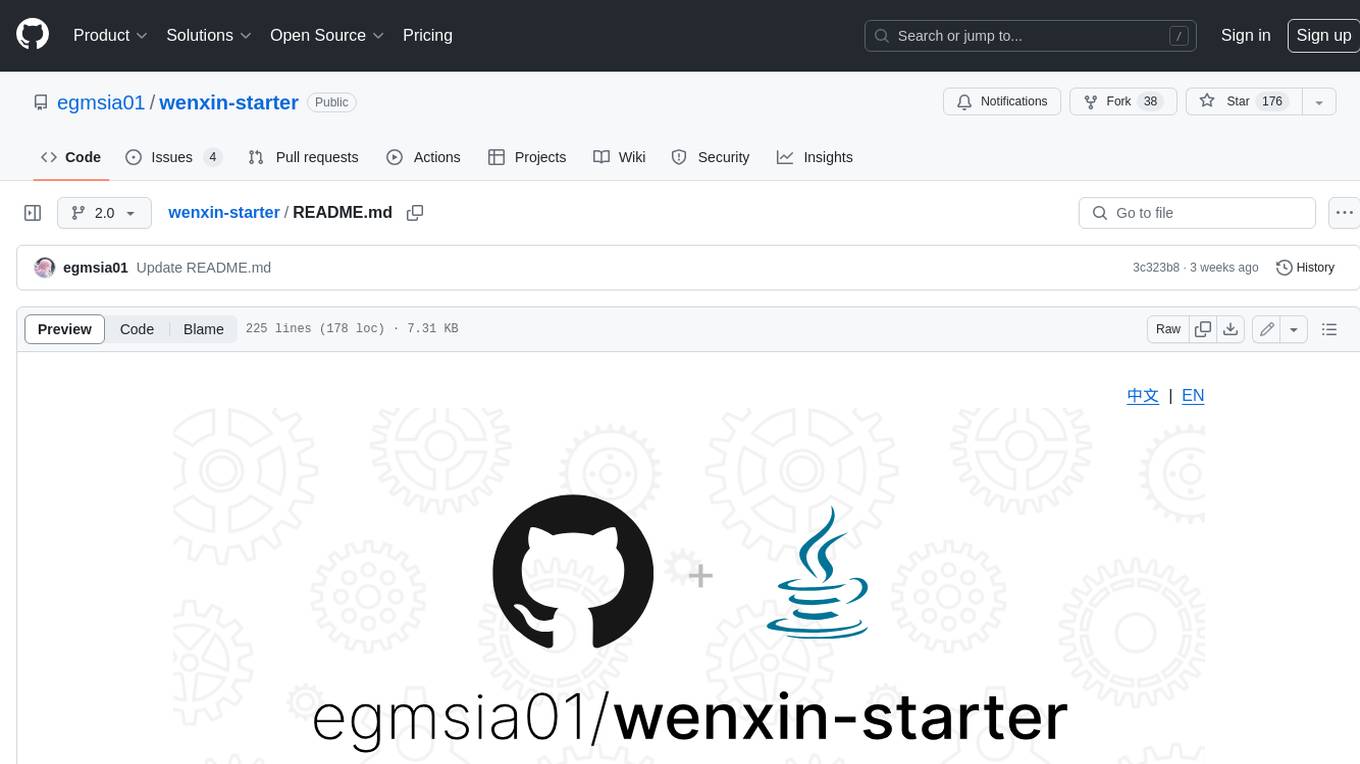
wenxin-starter
WenXin-Starter is a spring-boot-starter for Baidu's "Wenxin Qianfan WENXINWORKSHOP" large model, which can help you quickly access Baidu's AI capabilities. It fully integrates the official API documentation of Wenxin Qianfan. Supports text-to-image generation, built-in dialogue memory, and supports streaming return of dialogue. Supports QPS control of a single model and supports queuing mechanism. Plugins will be added soon.
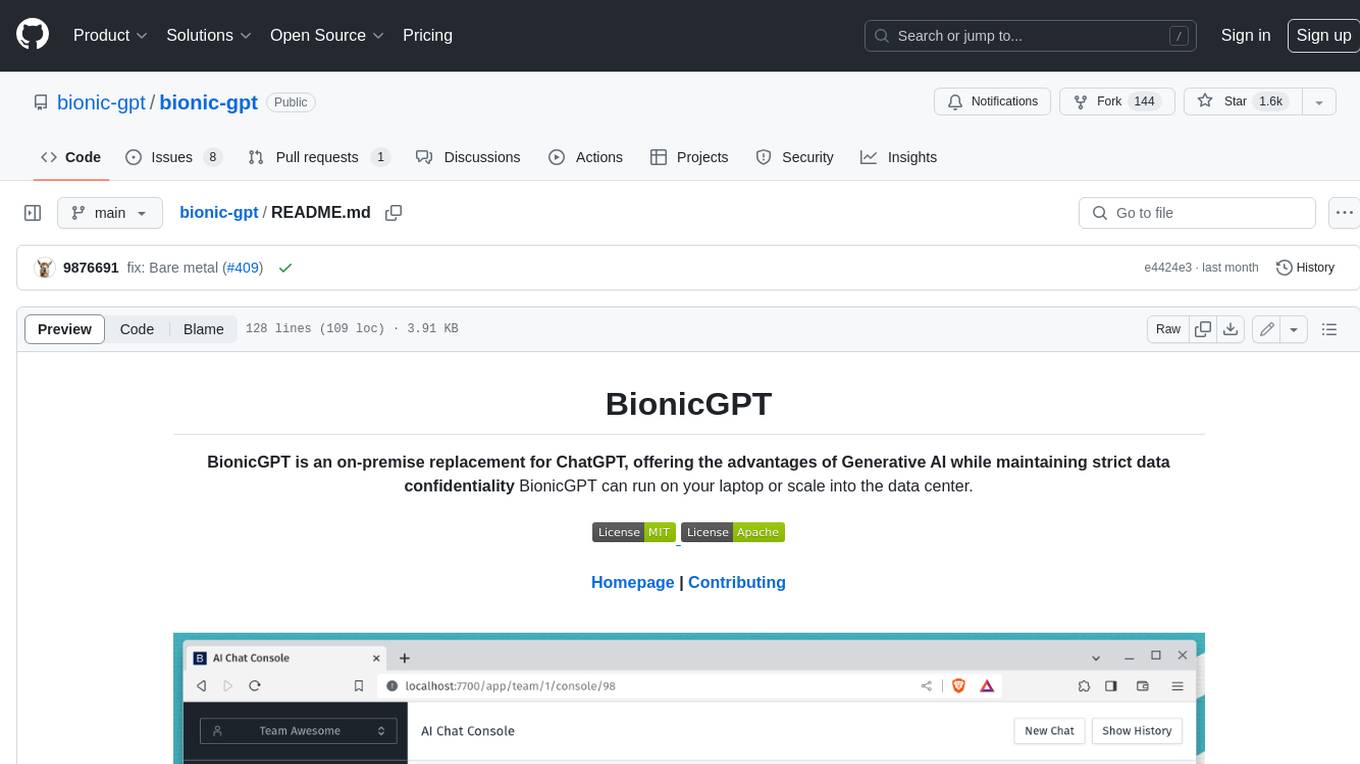
bionic-gpt
BionicGPT is an on-premise replacement for ChatGPT, offering the advantages of Generative AI while maintaining strict data confidentiality. BionicGPT can run on your laptop or scale into the data center.
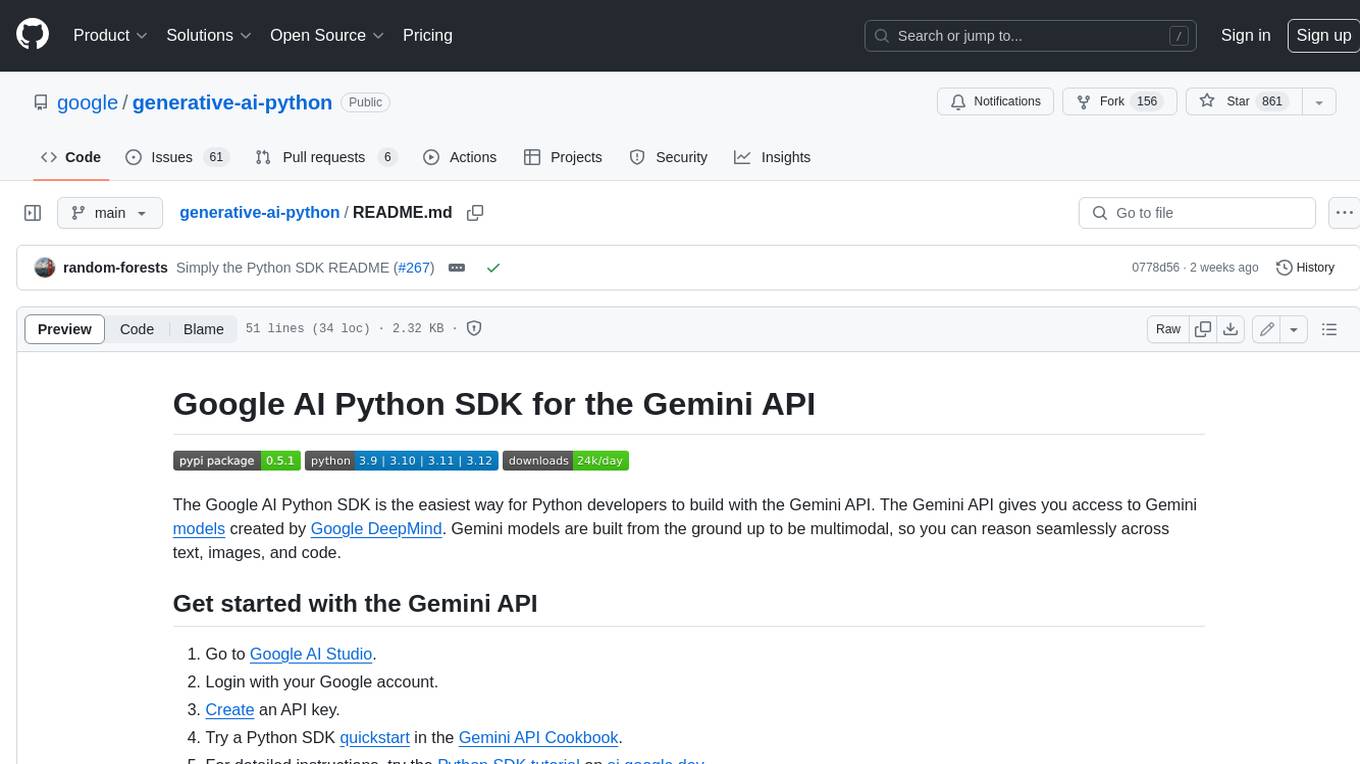
generative-ai-python
The Google AI Python SDK is the easiest way for Python developers to build with the Gemini API. The Gemini API gives you access to Gemini models created by Google DeepMind. Gemini models are built from the ground up to be multimodal, so you can reason seamlessly across text, images, and code.
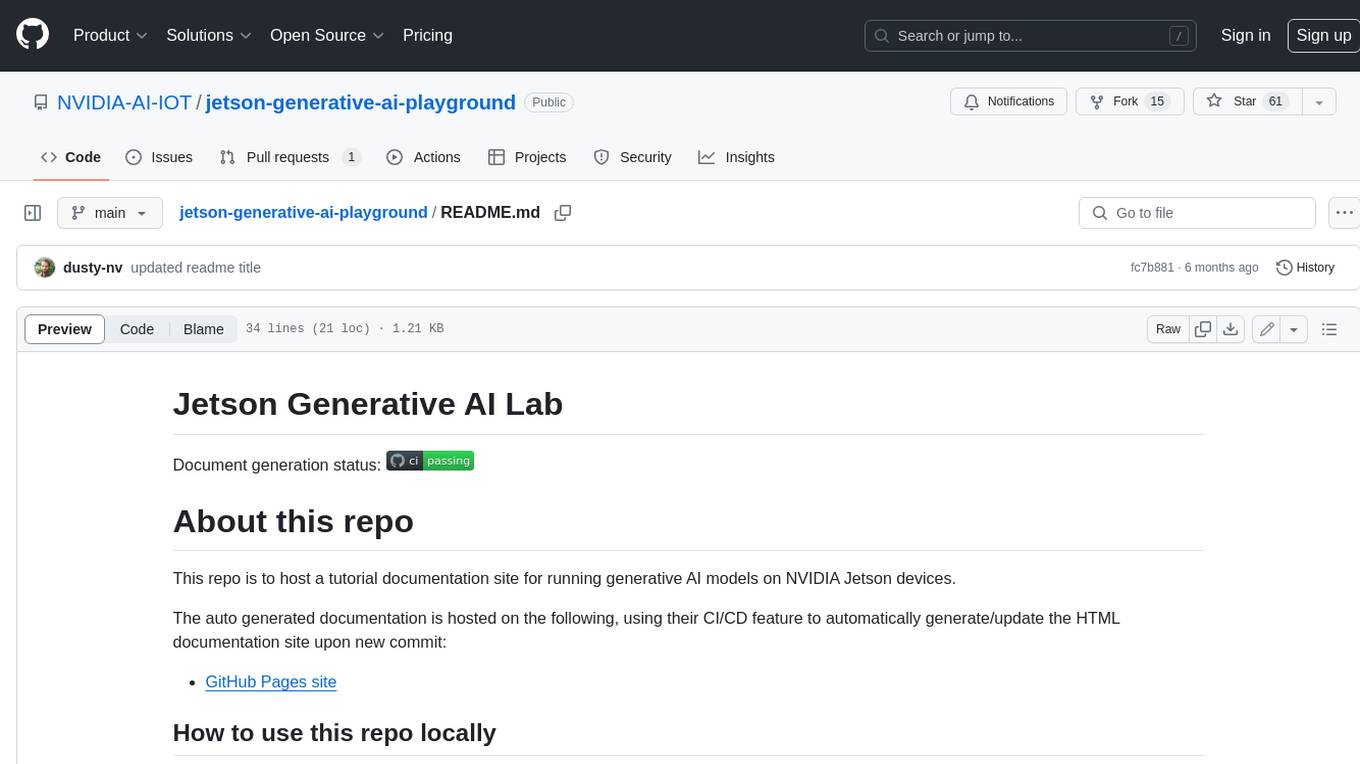
jetson-generative-ai-playground
This repo hosts tutorial documentation for running generative AI models on NVIDIA Jetson devices. The documentation is auto-generated and hosted on GitHub Pages using their CI/CD feature to automatically generate/update the HTML documentation site upon new commits.
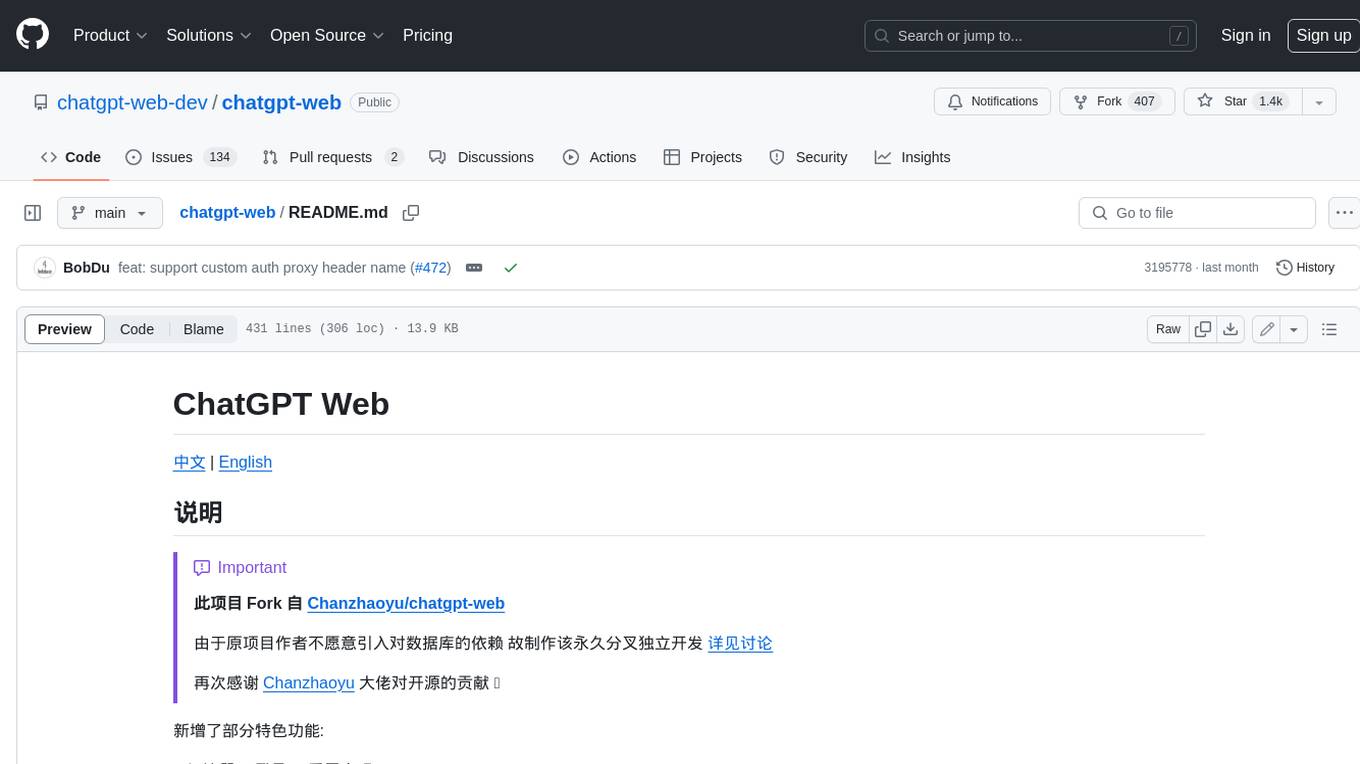
chatgpt-web
ChatGPT Web is a web application that provides access to the ChatGPT API. It offers two non-official methods to interact with ChatGPT: through the ChatGPTAPI (using the `gpt-3.5-turbo-0301` model) or through the ChatGPTUnofficialProxyAPI (using a web access token). The ChatGPTAPI method is more reliable but requires an OpenAI API key, while the ChatGPTUnofficialProxyAPI method is free but less reliable. The application includes features such as user registration and login, synchronization of conversation history, customization of API keys and sensitive words, and management of users and keys. It also provides a user interface for interacting with ChatGPT and supports multiple languages and themes.
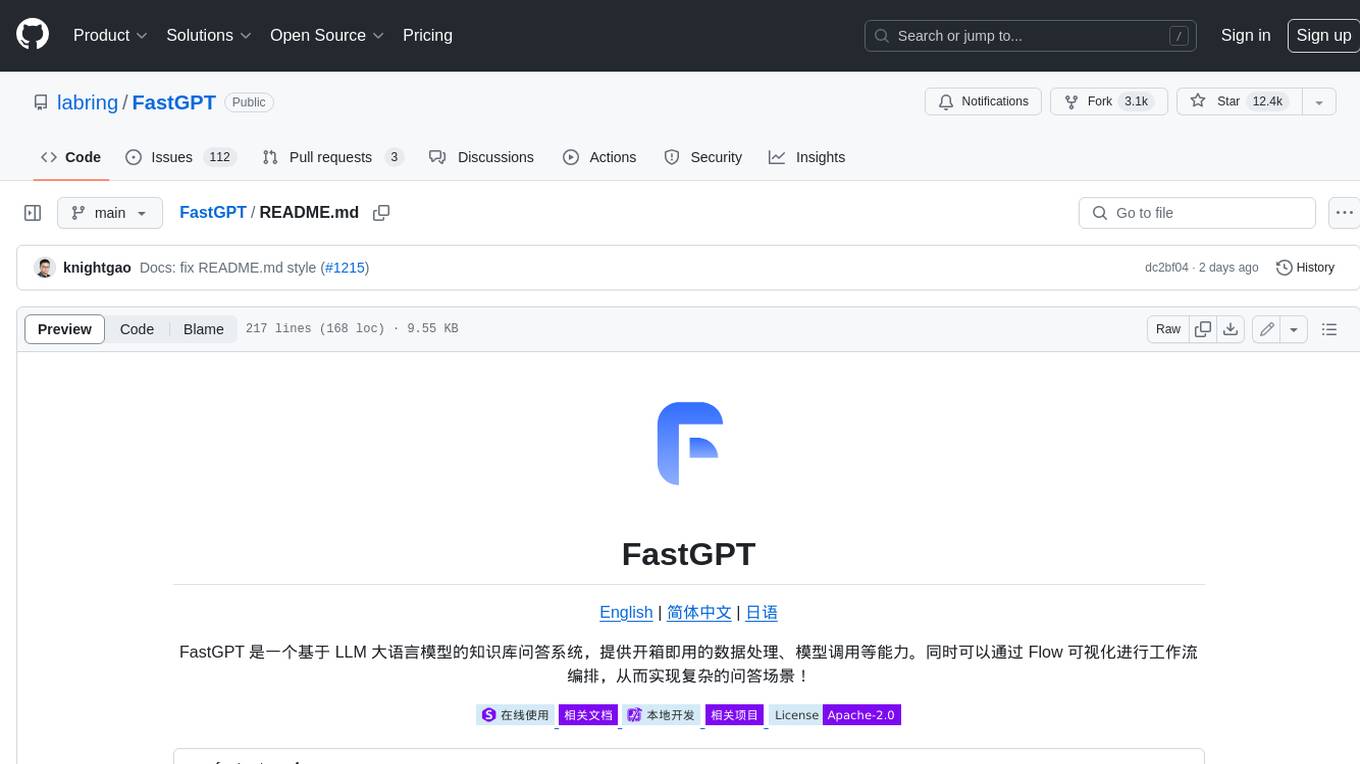
FastGPT
FastGPT is a knowledge base Q&A system based on the LLM large language model, providing out-of-the-box data processing, model calling and other capabilities. At the same time, you can use Flow to visually arrange workflows to achieve complex Q&A scenarios!
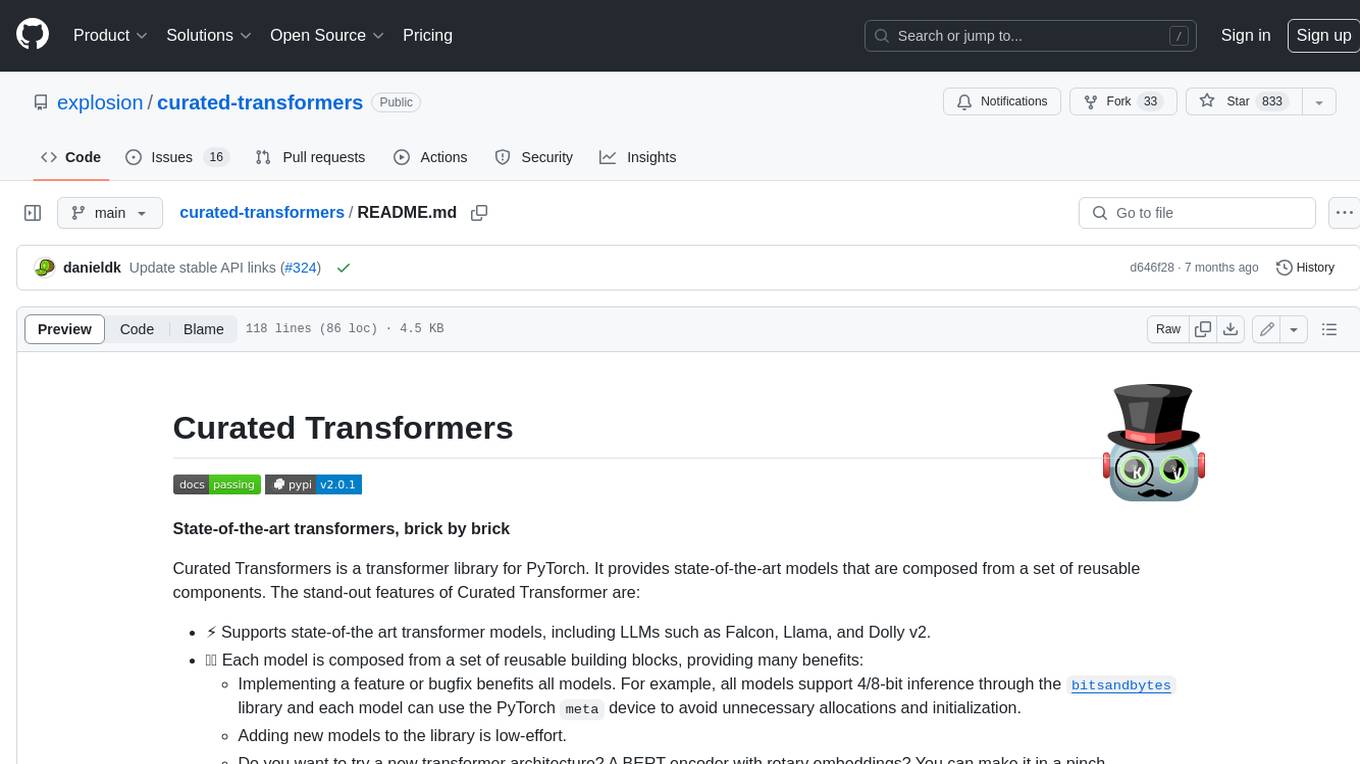
curated-transformers
Curated Transformers is a transformer library for PyTorch that provides state-of-the-art models composed of reusable components. It supports various transformer architectures, including encoders like ALBERT, BERT, and RoBERTa, and decoders like Falcon, Llama, and MPT. The library emphasizes consistent type annotations, minimal dependencies, and ease of use for education and research. It has been production-tested by Explosion and will be the default transformer implementation in spaCy 3.7.
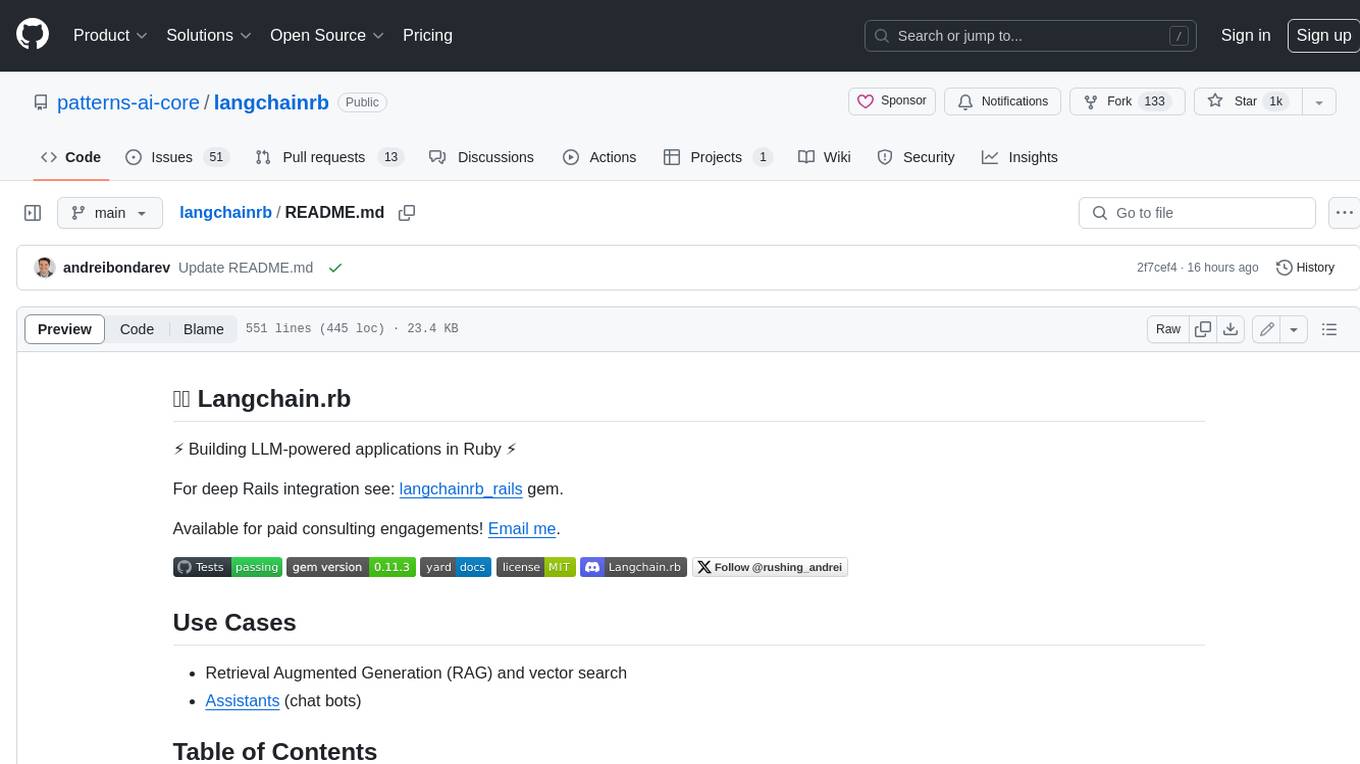
langchainrb
Langchain.rb is a Ruby library that makes it easy to build LLM-powered applications. It provides a unified interface to a variety of LLMs, vector search databases, and other tools, making it easy to build and deploy RAG (Retrieval Augmented Generation) systems and assistants. Langchain.rb is open source and available under the MIT License.
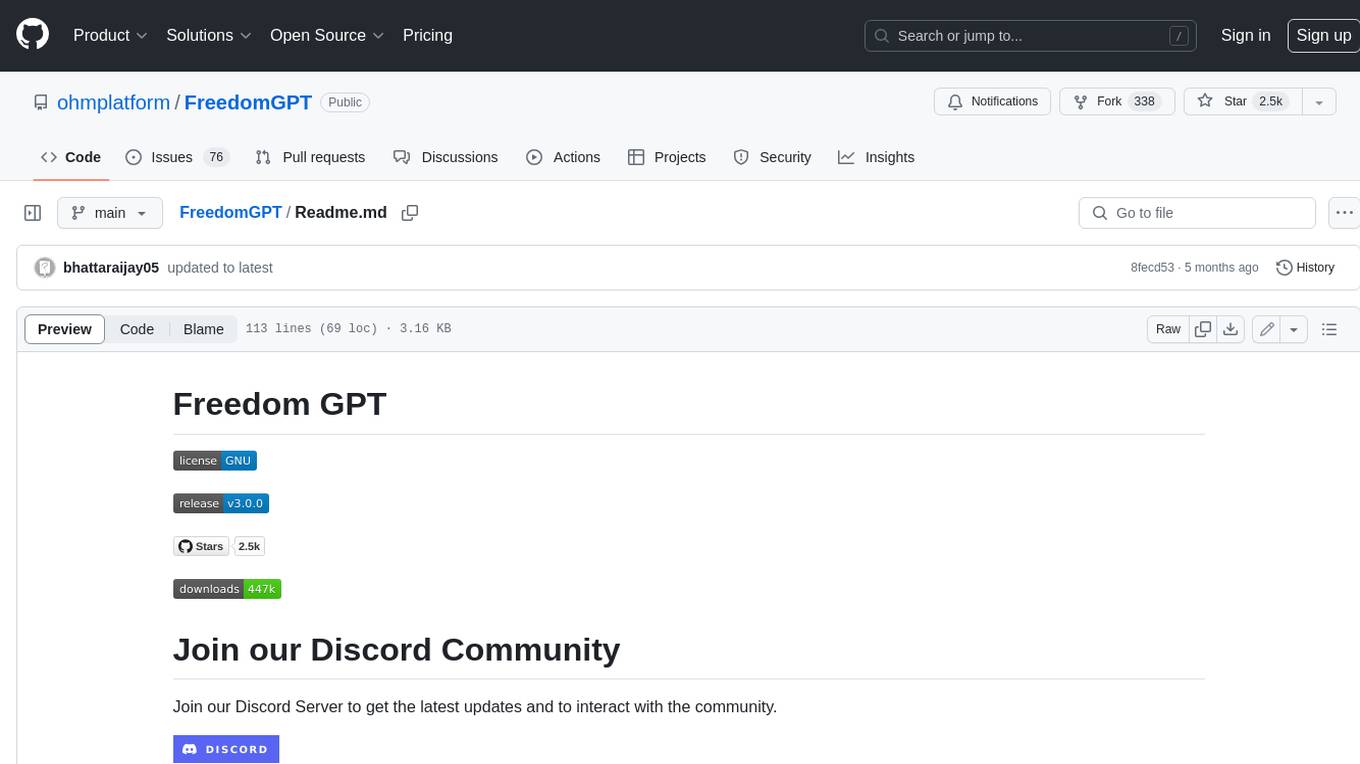
FreedomGPT
Freedom GPT is a desktop application that allows users to run alpaca models on their local machine. It is built using Electron and React. The application is open source and available on GitHub. Users can contribute to the project by following the instructions in the repository. The application can be run using the following command: yarn start. The application can also be dockerized using the following command: docker run -d -p 8889:8889 freedomgpt/freedomgpt. The application utilizes several open-source packages and libraries, including llama.cpp, LLAMA, and Chatbot UI. The developers of these packages and their contributors deserve gratitude for making their work available to the public under open source licenses.
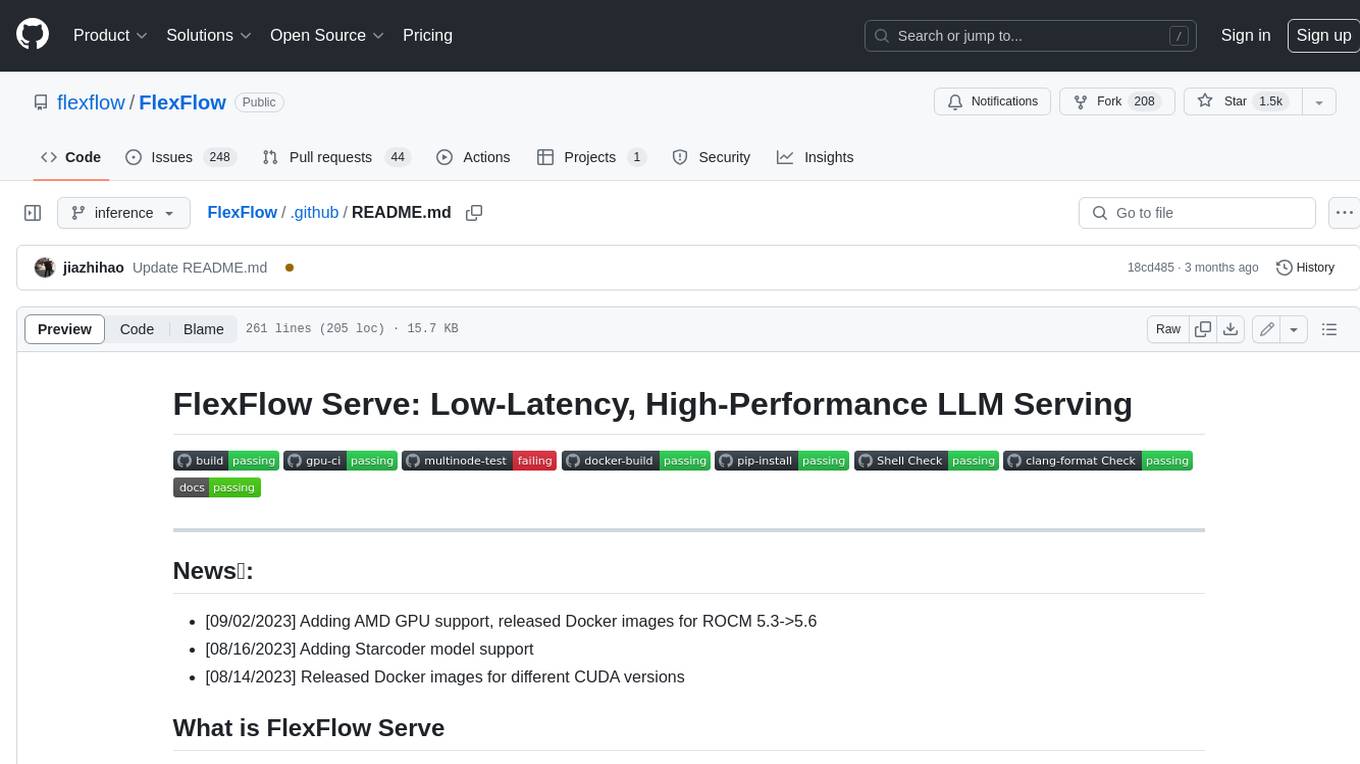
FlexFlow
FlexFlow Serve is an open-source compiler and distributed system for **low latency**, **high performance** LLM serving. FlexFlow Serve outperforms existing systems by 1.3-2.0x for single-node, multi-GPU inference and by 1.4-2.4x for multi-node, multi-GPU inference.
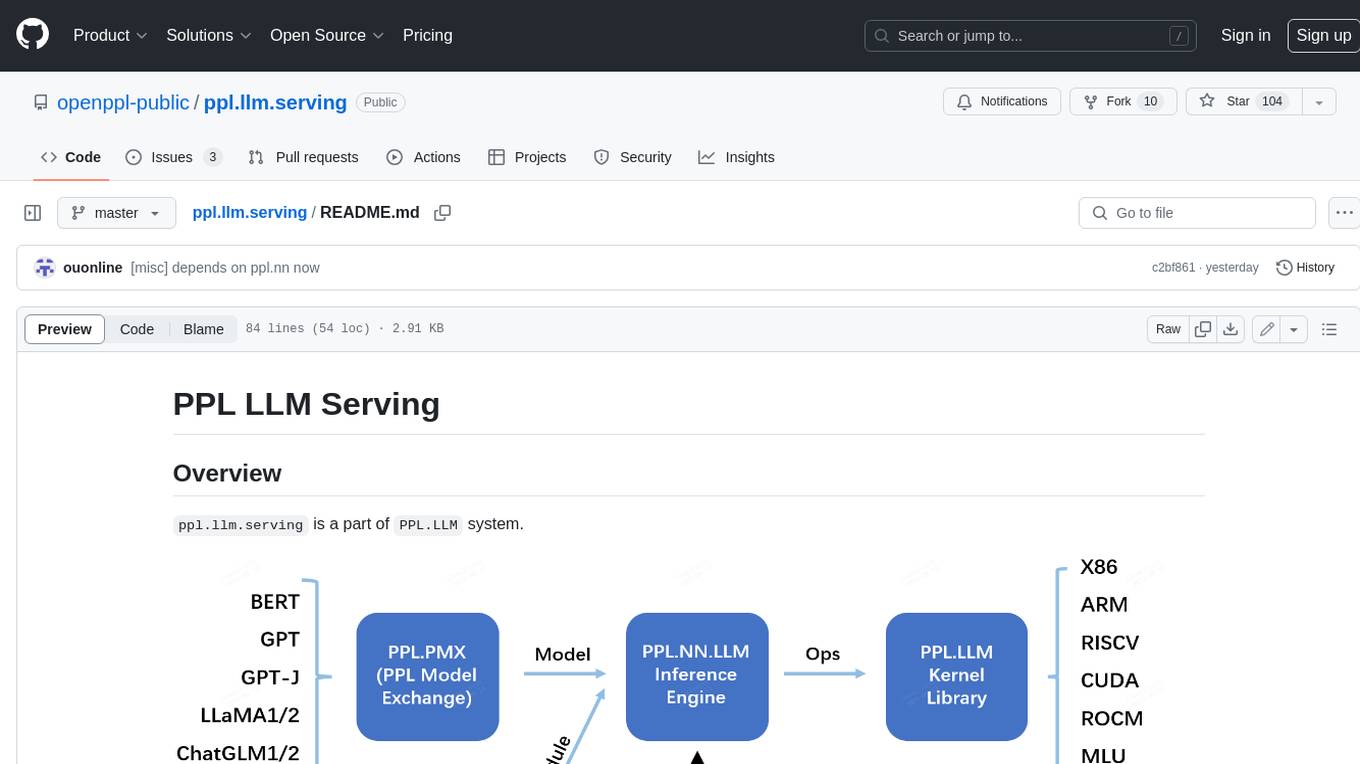
ppl.llm.serving
PPL LLM Serving is a serving based on ppl.nn for various Large Language Models (LLMs). It provides inference support for LLaMA. Key features include: * **High Performance:** Optimized for fast and efficient inference on LLM models. * **Scalability:** Supports distributed deployment across multiple GPUs or machines. * **Flexibility:** Allows for customization of model configurations and inference pipelines. * **Ease of Use:** Provides a user-friendly interface for deploying and managing LLM models. This tool is suitable for various tasks, including: * **Text Generation:** Generating text, stories, or code from scratch or based on a given prompt. * **Text Summarization:** Condensing long pieces of text into concise summaries. * **Question Answering:** Answering questions based on a given context or knowledge base. * **Language Translation:** Translating text between different languages. * **Chatbot Development:** Building conversational AI systems that can engage in natural language interactions. Keywords: llm, large language model, natural language processing, text generation, question answering, language translation, chatbot development
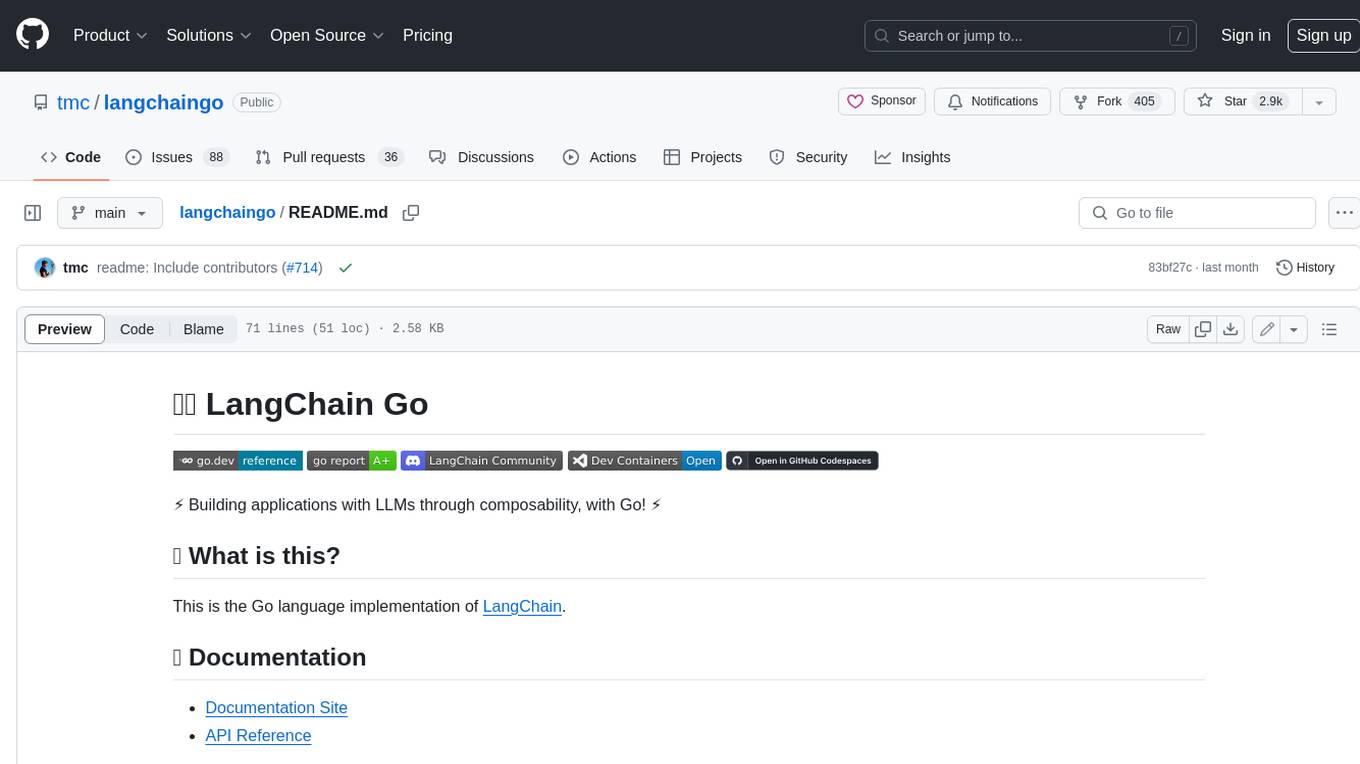
langchaingo
LangChain Go is a Go language implementation of LangChain, a framework for building applications with LLMs through composability. It provides a simple and easy-to-use API for interacting with LLMs, making it easy to add language-based features to your applications.
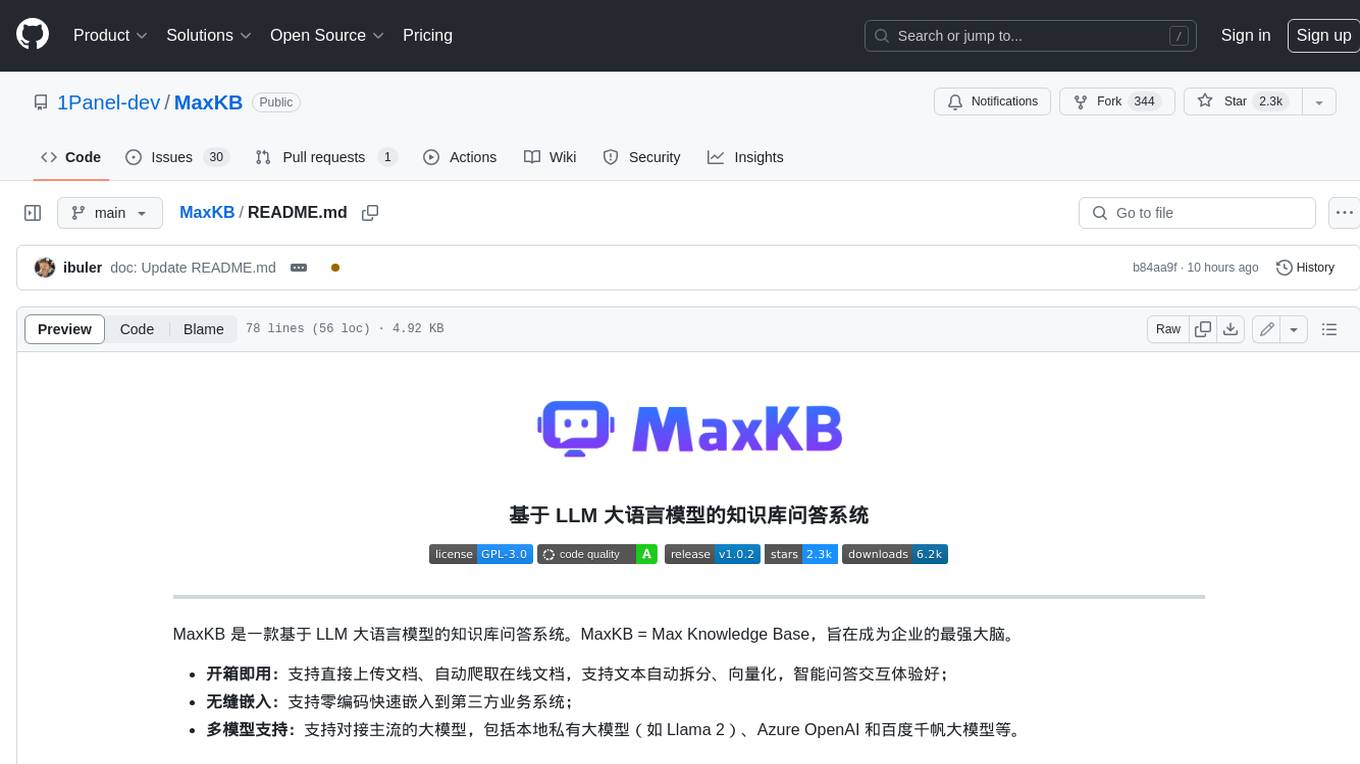
MaxKB
MaxKB is a knowledge base Q&A system based on the LLM large language model. MaxKB = Max Knowledge Base, which aims to become the most powerful brain of the enterprise.
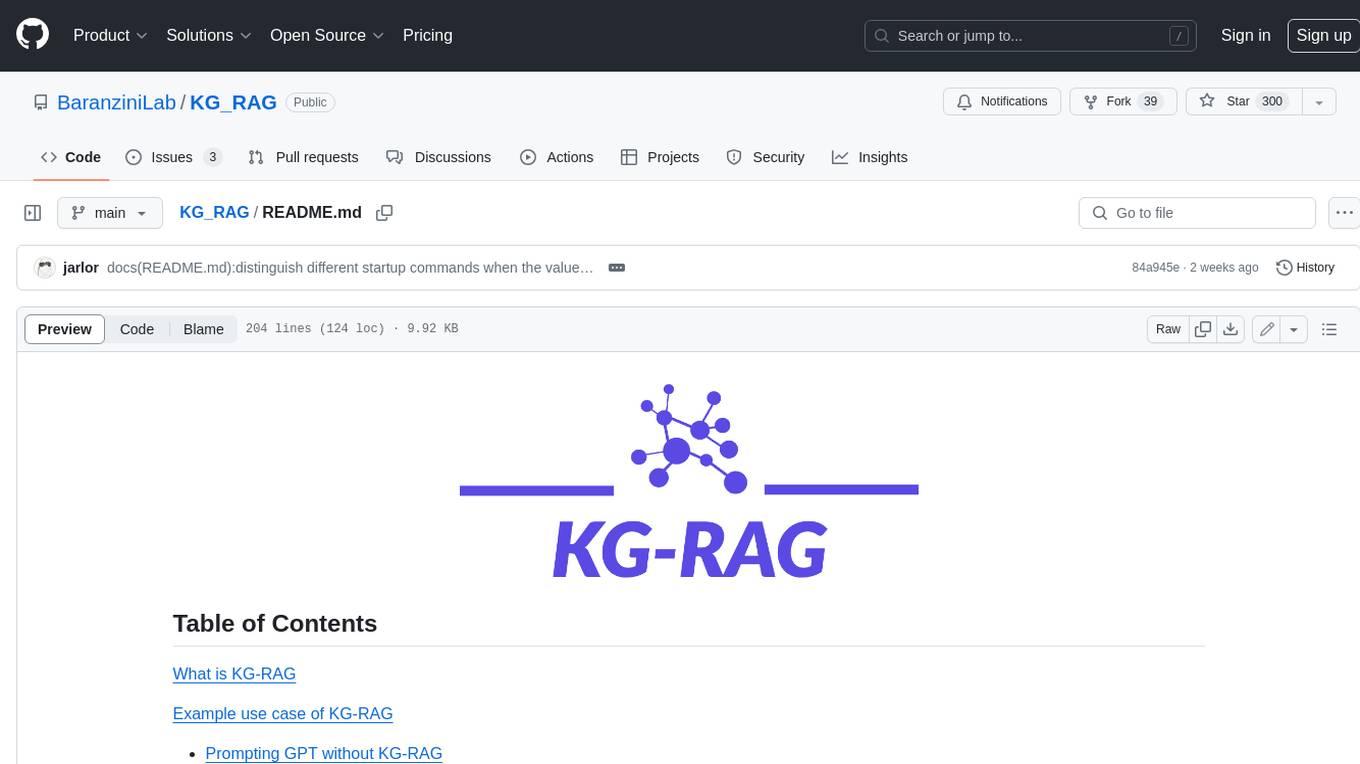
KG_RAG
KG-RAG (Knowledge Graph-based Retrieval Augmented Generation) is a task agnostic framework that combines the explicit knowledge of a Knowledge Graph (KG) with the implicit knowledge of a Large Language Model (LLM). KG-RAG extracts "prompt-aware context" from a KG, which is defined as the minimal context sufficient enough to respond to the user prompt. This framework empowers a general-purpose LLM by incorporating an optimized domain-specific 'prompt-aware context' from a biomedical KG. KG-RAG is specifically designed for running prompts related to Diseases.
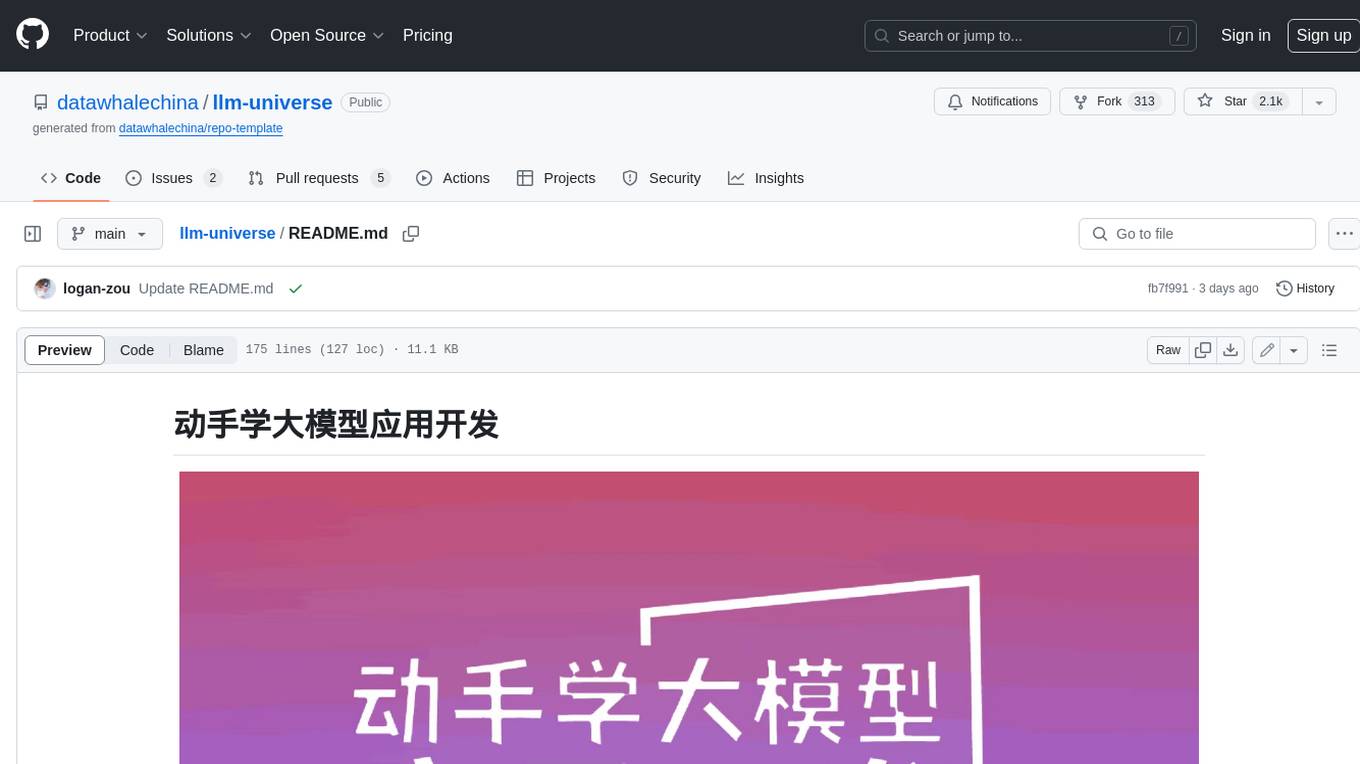
llm-universe
This project is a tutorial on developing large model applications for novice developers. It aims to provide a comprehensive introduction to large model development, focusing on Alibaba Cloud servers and integrating personal knowledge assistant projects. The tutorial covers the following topics: 1. **Introduction to Large Models**: A simplified introduction for novice developers on what large models are, their characteristics, what LangChain is, and how to develop an LLM application. 2. **How to Call Large Model APIs**: This section introduces various methods for calling APIs of well-known domestic and foreign large model products, including calling native APIs, encapsulating them as LangChain LLMs, and encapsulating them as Fastapi calls. It also provides a unified encapsulation for various large model APIs, such as Baidu Wenxin, Xunfei Xinghuo, and Zh譜AI. 3. **Knowledge Base Construction**: Loading, processing, and vector database construction of different types of knowledge base documents. 4. **Building RAG Applications**: Integrating LLM into LangChain to build a retrieval question and answer chain, and deploying applications using Streamlit. 5. **Verification and Iteration**: How to implement verification and iteration in large model development, and common evaluation methods. The project consists of three main parts: 1. **Introduction to LLM Development**: A simplified version of V1 aims to help beginners get started with LLM development quickly and conveniently, understand the general process of LLM development, and build a simple demo. 2. **LLM Development Techniques**: More advanced LLM development techniques, including but not limited to: Prompt Engineering, processing of multiple types of source data, optimizing retrieval, recall ranking, Agent framework, etc. 3. **LLM Application Examples**: Introduce some successful open source cases, analyze the ideas, core concepts, and implementation frameworks of these application examples from the perspective of this course, and help beginners understand what kind of applications they can develop through LLM. Currently, the first part has been completed, and everyone is welcome to read and learn; the second and third parts are under creation. **Directory Structure Description**: requirements.txt: Installation dependencies in the official environment notebook: Notebook source code file docs: Markdown documentation file figures: Pictures data_base: Knowledge base source file used
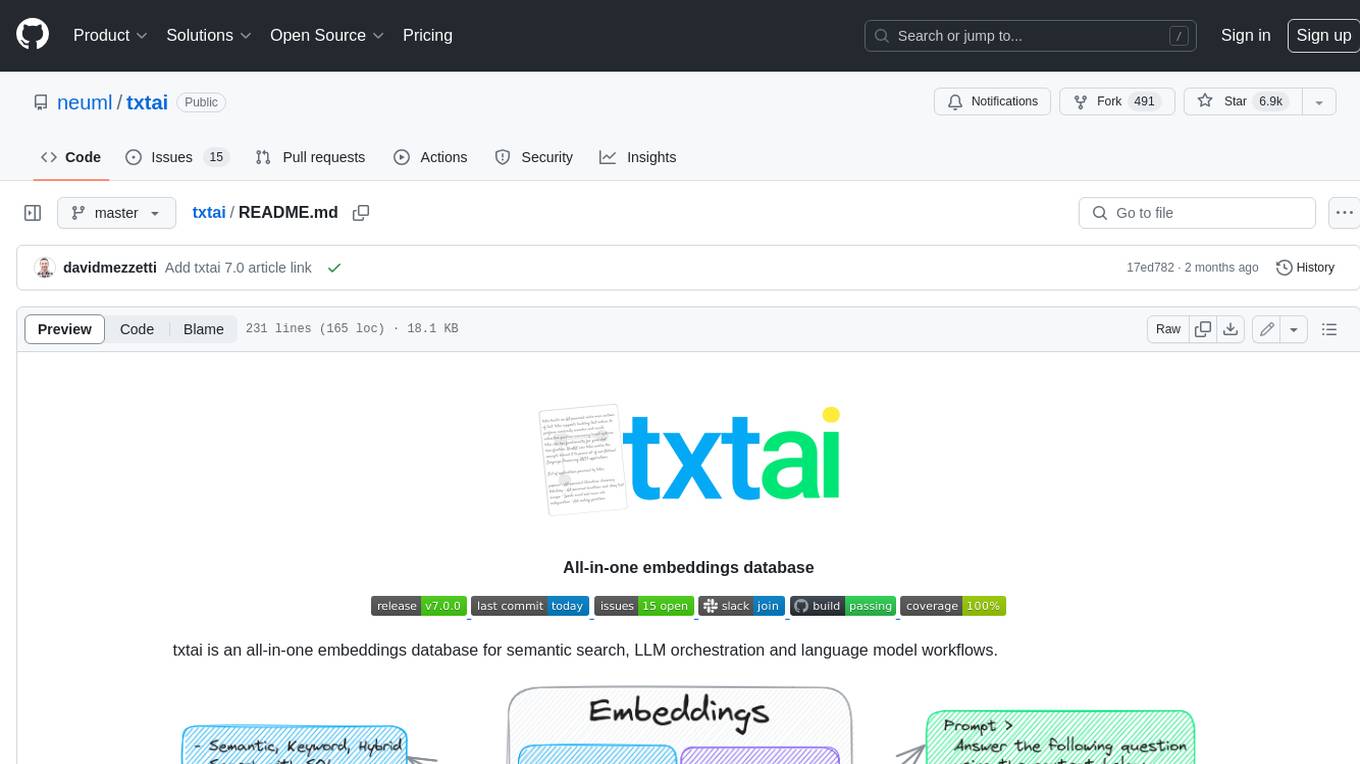
txtai
Txtai is an all-in-one embeddings database for semantic search, LLM orchestration, and language model workflows. It combines vector indexes, graph networks, and relational databases to enable vector search with SQL, topic modeling, retrieval augmented generation, and more. Txtai can stand alone or serve as a knowledge source for large language models (LLMs). Key features include vector search with SQL, object storage, topic modeling, graph analysis, multimodal indexing, embedding creation for various data types, pipelines powered by language models, workflows to connect pipelines, and support for Python, JavaScript, Java, Rust, and Go. Txtai is open-source under the Apache 2.0 license.
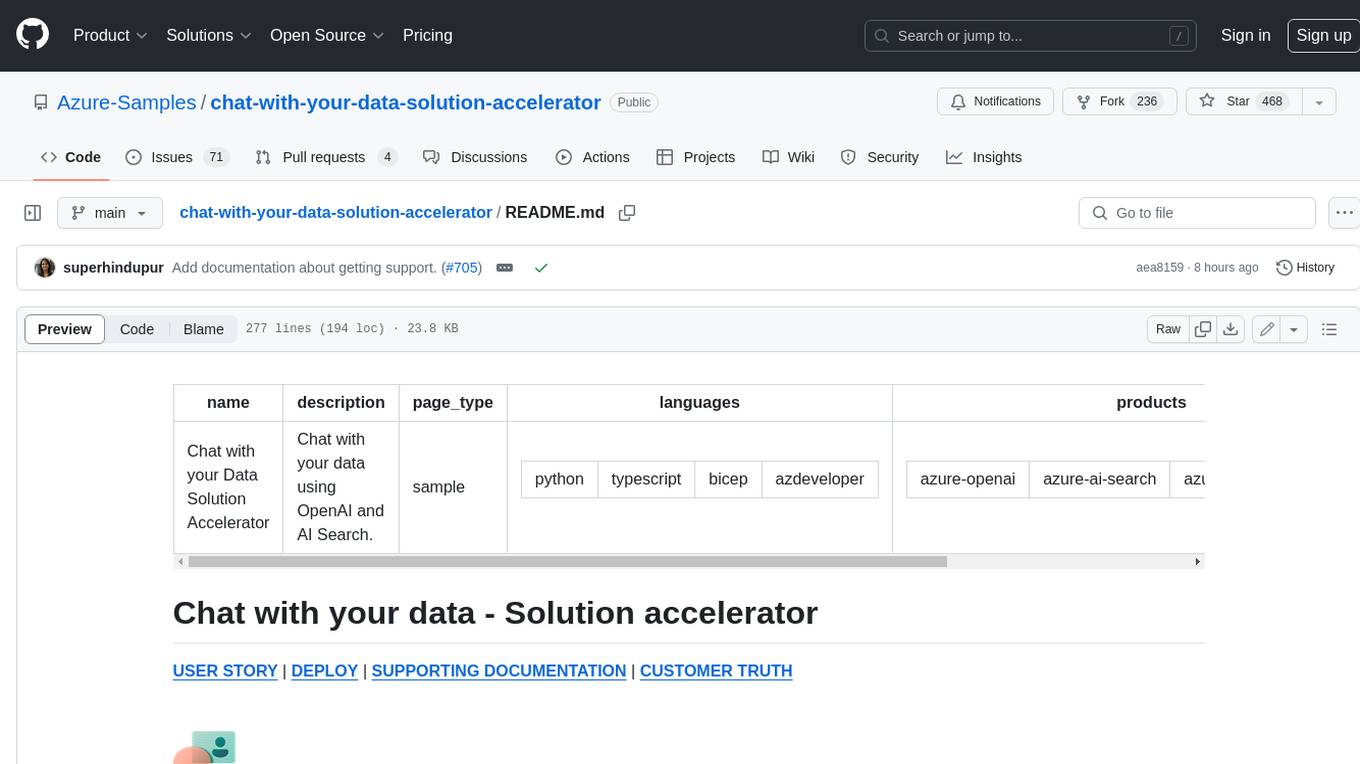
chat-with-your-data-solution-accelerator
Chat with your data using OpenAI and AI Search. This solution accelerator uses an Azure OpenAI GPT model and an Azure AI Search index generated from your data, which is integrated into a web application to provide a natural language interface, including speech-to-text functionality, for search queries. Users can drag and drop files, point to storage, and take care of technical setup to transform documents. There is a web app that users can create in their own subscription with security and authentication.

AISuperDomain
Aila Desktop Application is a powerful tool that integrates multiple leading AI models into a single desktop application. It allows users to interact with various AI models simultaneously, providing diverse responses and insights to their inquiries. With its user-friendly interface and customizable features, Aila empowers users to engage with AI seamlessly and efficiently. Whether you're a researcher, student, or professional, Aila can enhance your AI interactions and streamline your workflow.
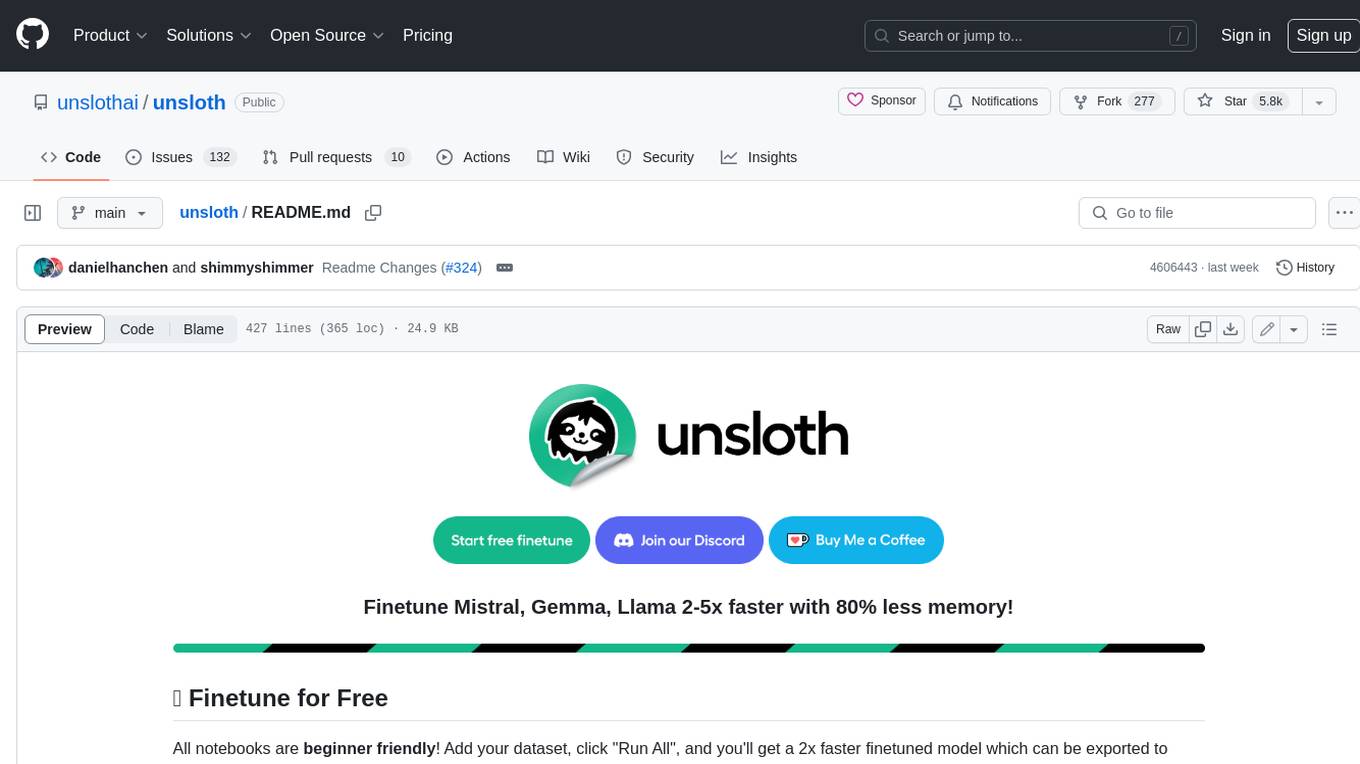
unsloth
Unsloth is a tool that allows users to fine-tune large language models (LLMs) 2-5x faster with 80% less memory. It is a free and open-source tool that can be used to fine-tune LLMs such as Gemma, Mistral, Llama 2-5, TinyLlama, and CodeLlama 34b. Unsloth supports 4-bit and 16-bit QLoRA / LoRA fine-tuning via bitsandbytes. It also supports DPO (Direct Preference Optimization), PPO, and Reward Modelling. Unsloth is compatible with Hugging Face's TRL, Trainer, Seq2SeqTrainer, and Pytorch code. It is also compatible with NVIDIA GPUs since 2018+ (minimum CUDA Capability 7.0).

ChatGPT-On-CS
This project is an intelligent dialogue customer service tool based on a large model, which supports access to platforms such as WeChat, Qianniu, Bilibili, Douyin Enterprise, Douyin, Doudian, Weibo chat, Xiaohongshu professional account operation, Xiaohongshu, Zhihu, etc. You can choose GPT3.5/GPT4.0/ Lazy Treasure Box (more platforms will be supported in the future), which can process text, voice and pictures, and access external resources such as operating systems and the Internet through plug-ins, and support enterprise AI applications customized based on their own knowledge base.
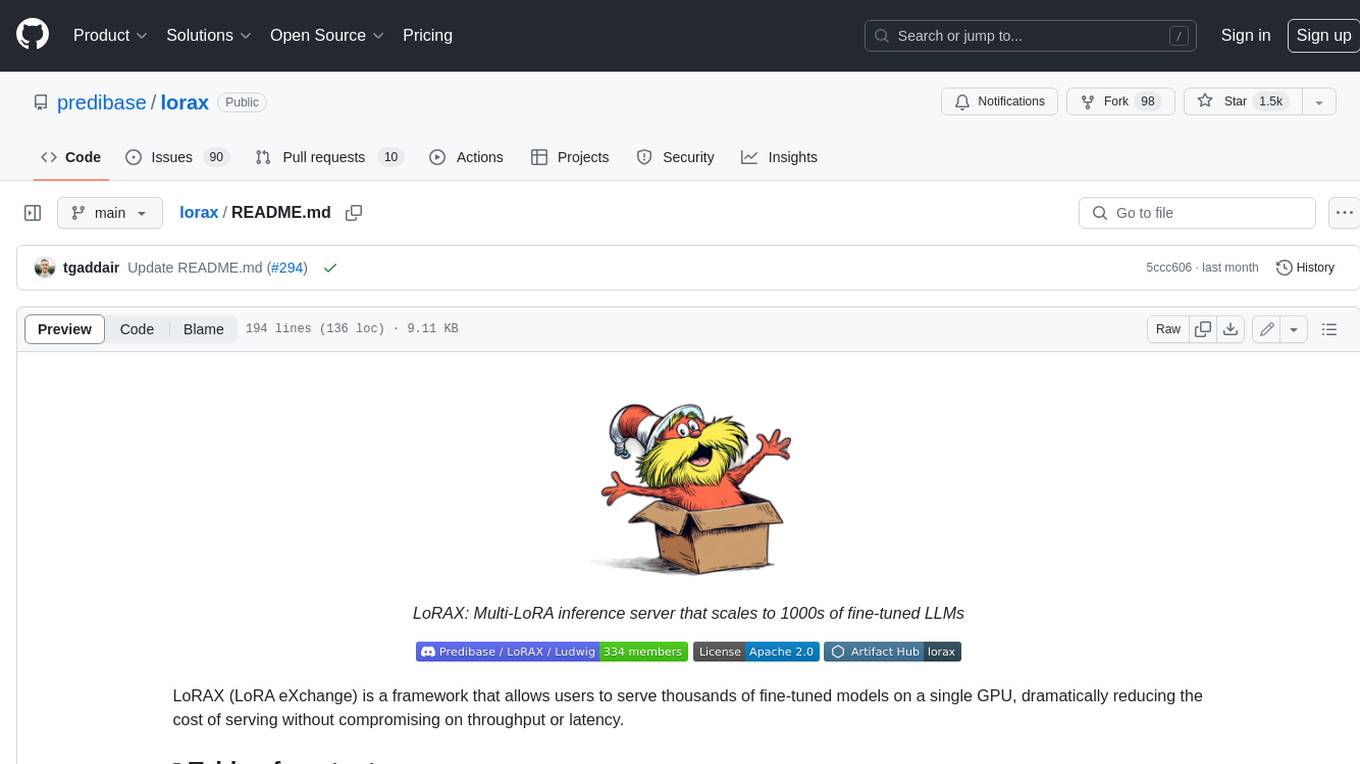
lorax
LoRAX is a framework that allows users to serve thousands of fine-tuned models on a single GPU, dramatically reducing the cost of serving without compromising on throughput or latency. It features dynamic adapter loading, heterogeneous continuous batching, adapter exchange scheduling, optimized inference, and is ready for production with prebuilt Docker images, Helm charts for Kubernetes, Prometheus metrics, and distributed tracing with Open Telemetry. LoRAX supports a number of Large Language Models as the base model including Llama, Mistral, and Qwen, and any of the linear layers in the model can be adapted via LoRA and loaded in LoRAX.
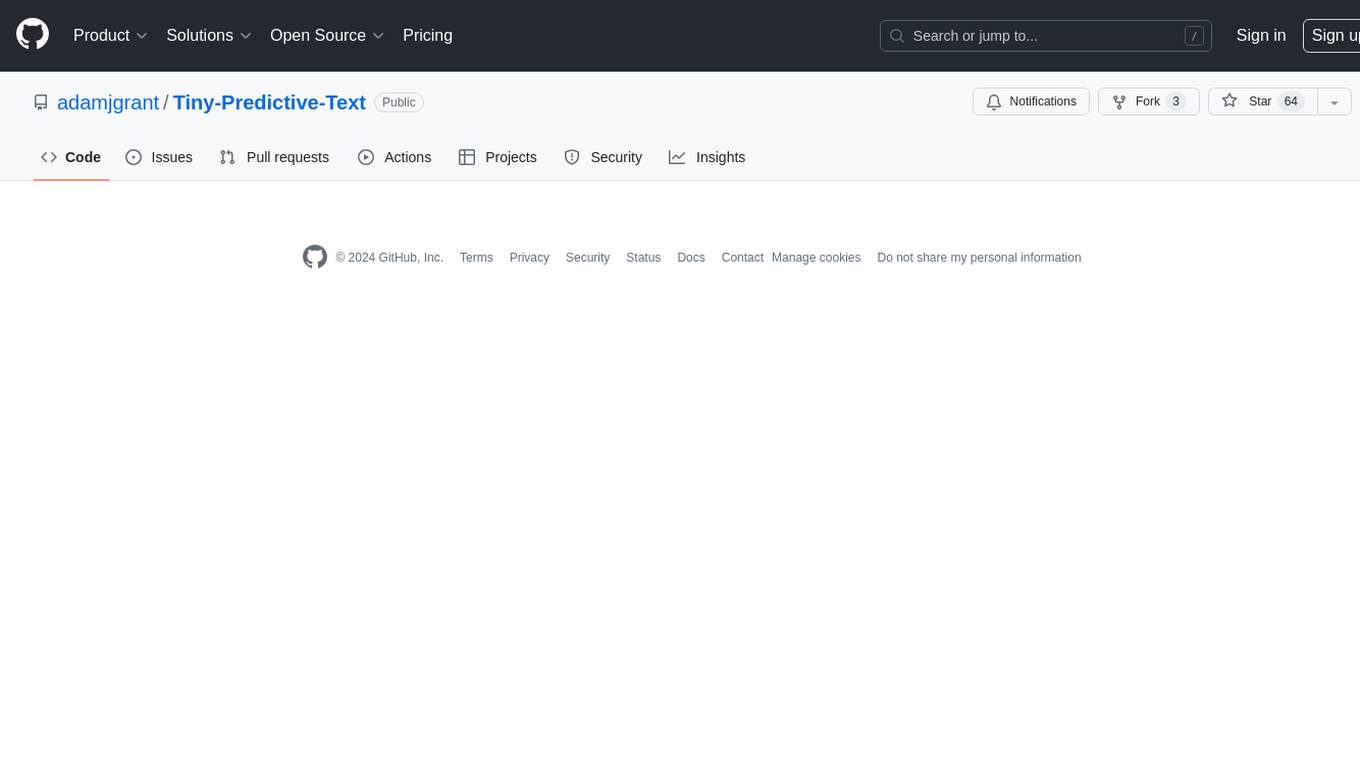
Tiny-Predictive-Text
Tiny-Predictive-Text is a demonstration of predictive text without an LLM, using permy.link. It provides a detailed description of the tool, including its features, benefits, and how to use it. The tool is suitable for a variety of jobs, including content writers, editors, and researchers. It can be used to perform a variety of tasks, such as generating text, completing sentences, and correcting errors.
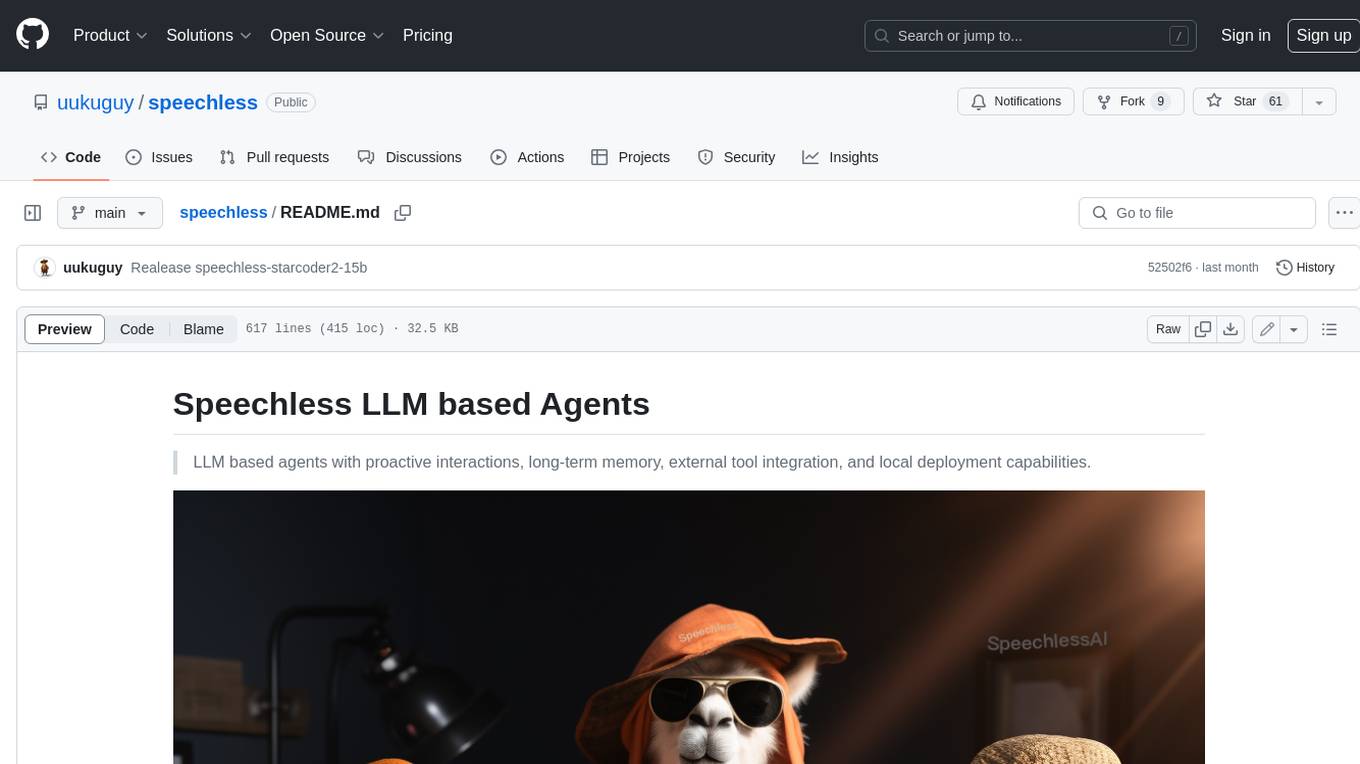
speechless
Speechless.AI is committed to integrating the superior language processing and deep reasoning capabilities of large language models into practical business applications. By enhancing the model's language understanding, knowledge accumulation, and text creation abilities, and introducing long-term memory, external tool integration, and local deployment, our aim is to establish an intelligent collaborative partner that can independently interact, continuously evolve, and closely align with various business scenarios.
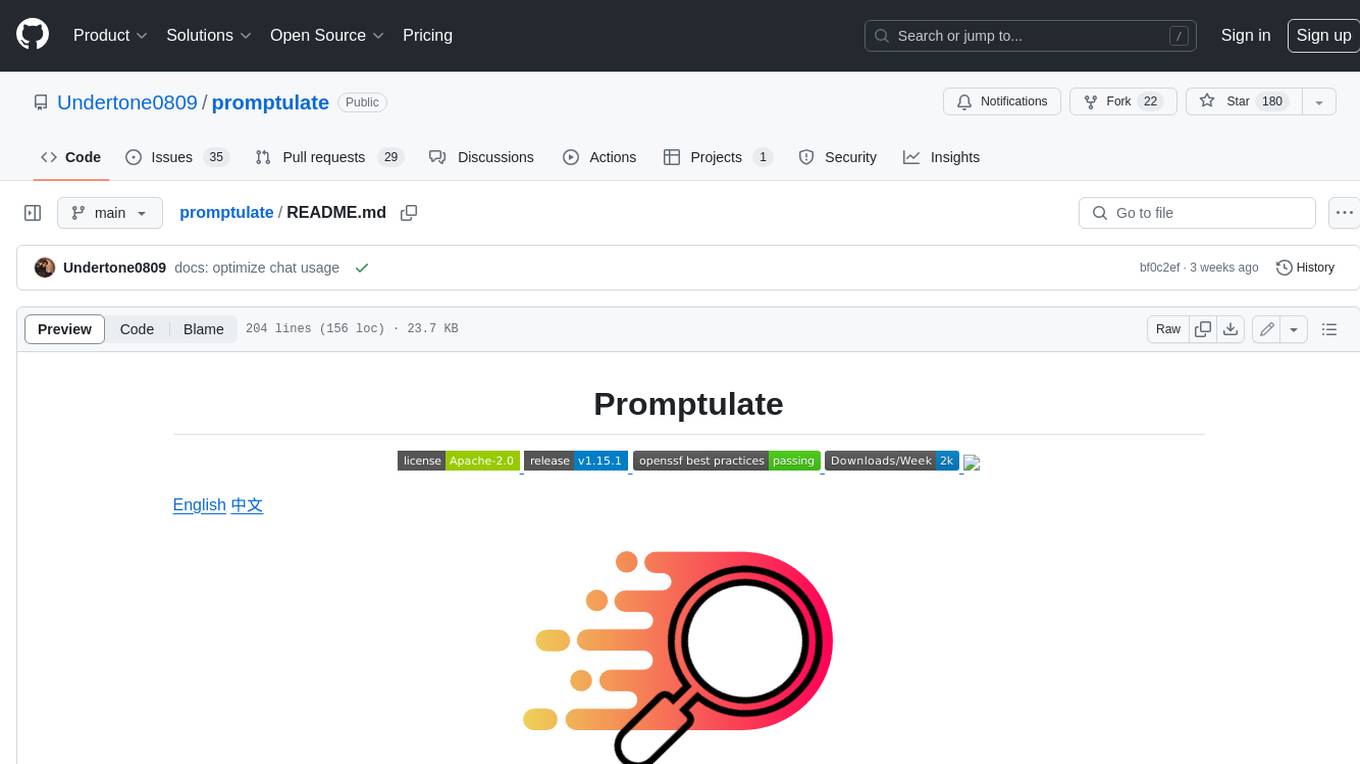
promptulate
**Promptulate** is an AI Agent application development framework crafted by **Cogit Lab** , which offers developers an extremely concise and efficient way to build Agent applications through a Pythonic development paradigm. The core philosophy of Promptulate is to borrow and integrate the wisdom of the open-source community, incorporating the highlights of various development frameworks to lower the barrier to entry and unify the consensus among developers. With Promptulate, you can manipulate components like LLM, Agent, Tool, RAG, etc., with the most succinct code, as most tasks can be easily completed with just a few lines of code. 🚀

lagent
Lagent is a lightweight open-source framework that allows users to efficiently build large language model(LLM)-based agents. It also provides some typical tools to augment LLM. The overview of our framework is shown below:
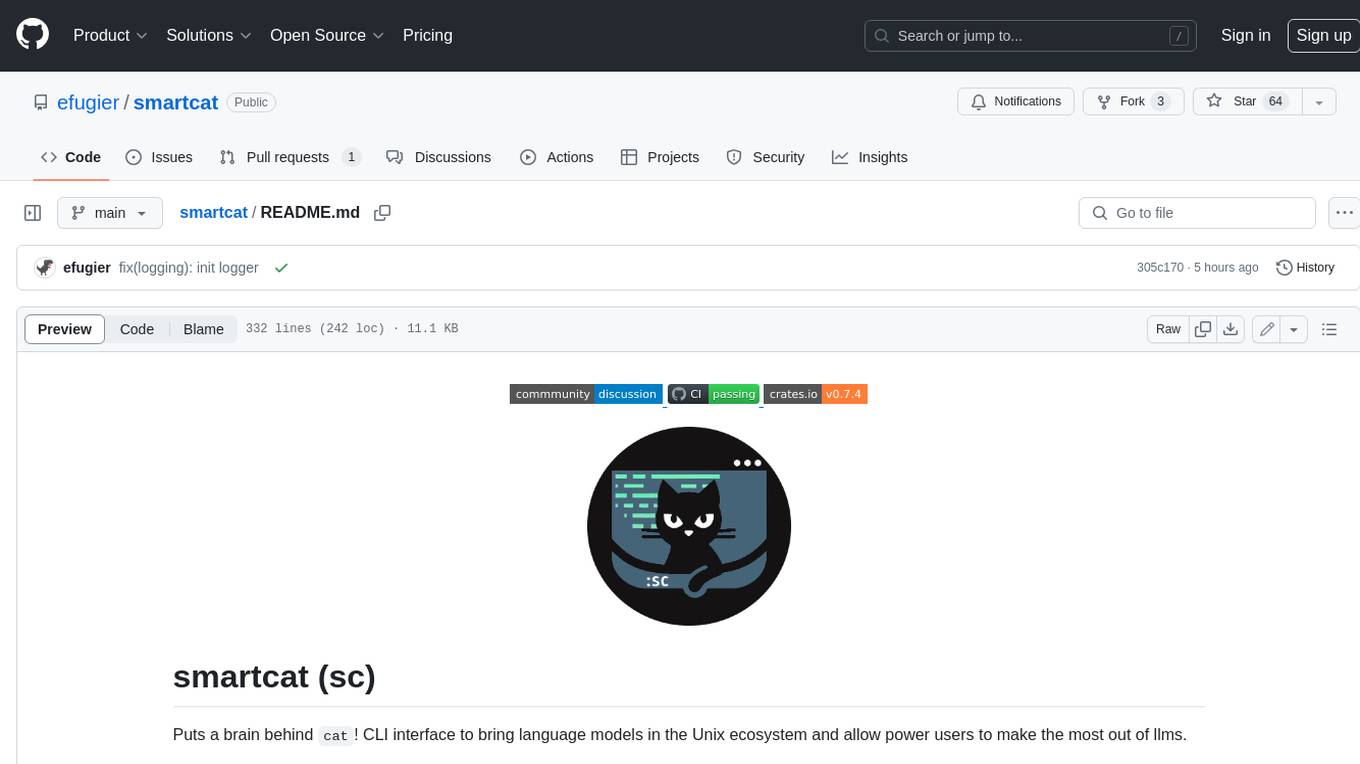
smartcat
Smartcat is a CLI interface that brings language models into the Unix ecosystem, allowing power users to leverage the capabilities of LLMs in their daily workflows. It features a minimalist design, seamless integration with terminal and editor workflows, and customizable prompts for specific tasks. Smartcat currently supports OpenAI, Mistral AI, and Anthropic APIs, providing access to a range of language models. With its ability to manipulate file and text streams, integrate with editors, and offer configurable settings, Smartcat empowers users to automate tasks, enhance code quality, and explore creative possibilities.
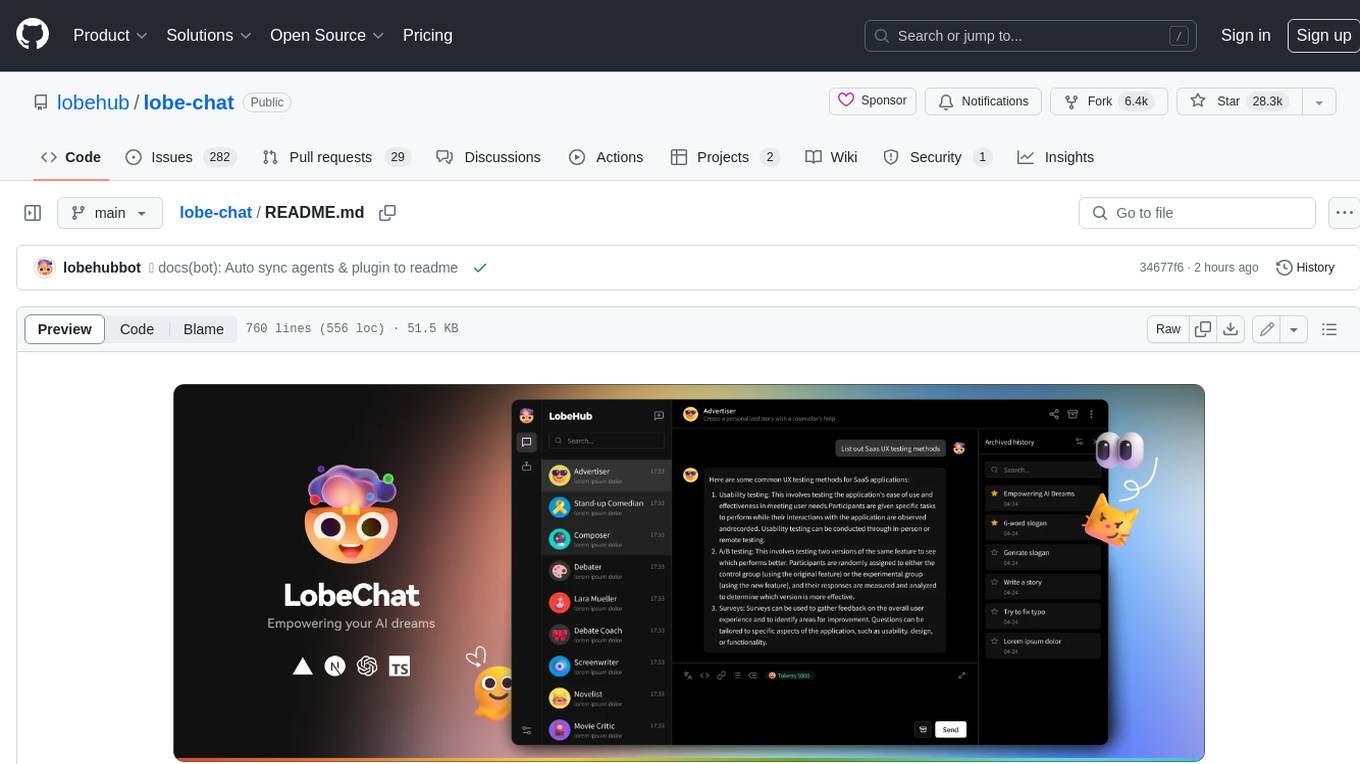
lobe-chat
Lobe Chat is an open-source, modern-design ChatGPT/LLMs UI/Framework. Supports speech-synthesis, multi-modal, and extensible ([function call][docs-functionc-call]) plugin system. One-click **FREE** deployment of your private OpenAI ChatGPT/Claude/Gemini/Groq/Ollama chat application.
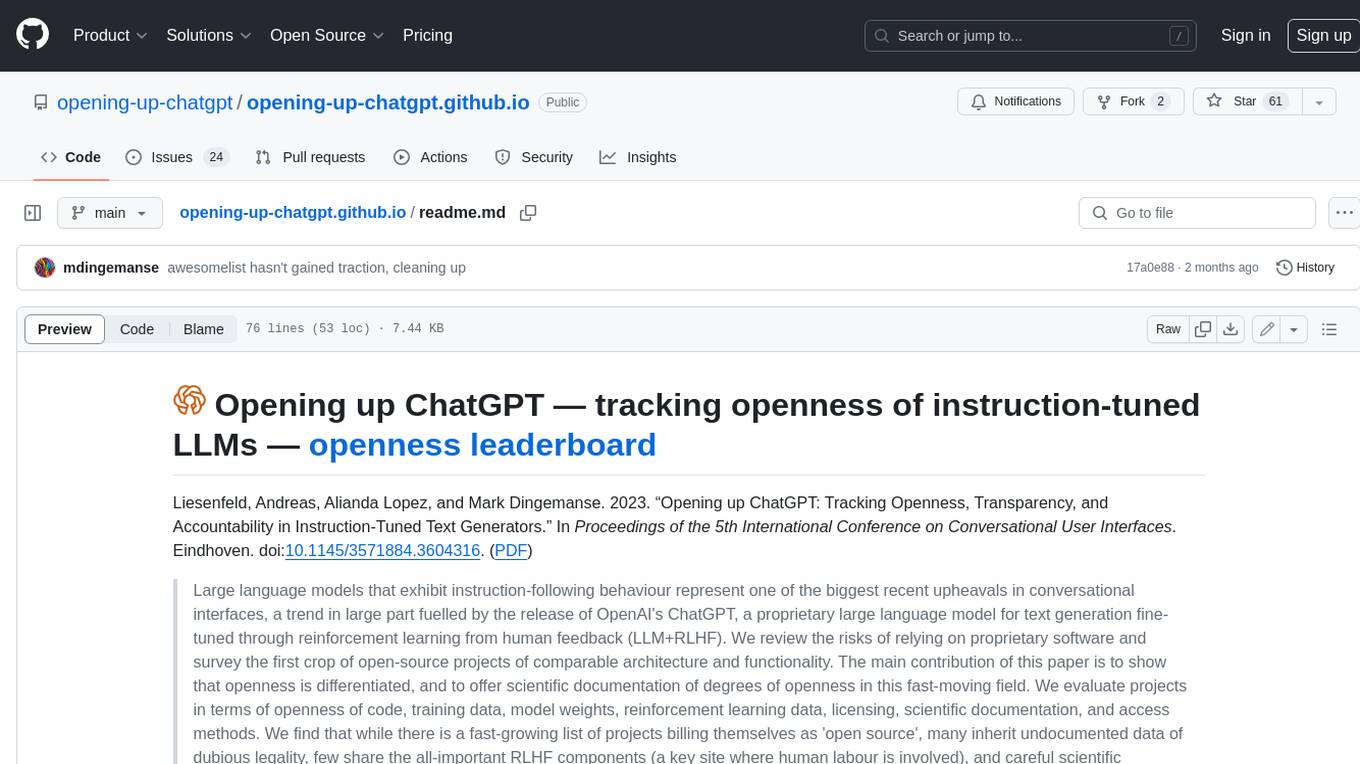
opening-up-chatgpt.github.io
This repository provides a curated list of open-source projects that implement instruction-tuned large language models (LLMs) with reinforcement learning from human feedback (RLHF). The projects are evaluated in terms of their openness across a predefined set of criteria in the areas of Availability, Documentation, and Access. The goal of this repository is to promote transparency and accountability in the development and deployment of LLMs.
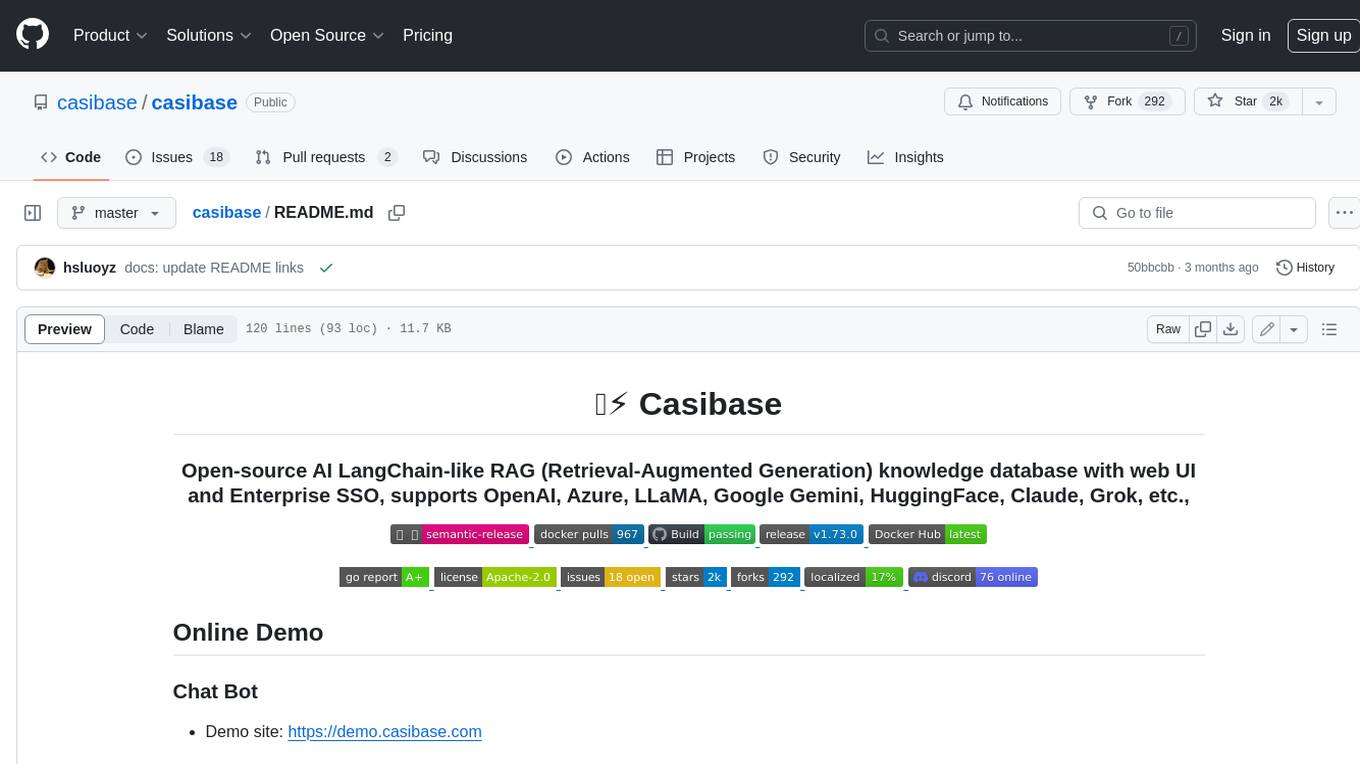
casibase
Casibase is an open-source AI LangChain-like RAG (Retrieval-Augmented Generation) knowledge database with web UI and Enterprise SSO, supports OpenAI, Azure, LLaMA, Google Gemini, HuggingFace, Claude, Grok, etc.
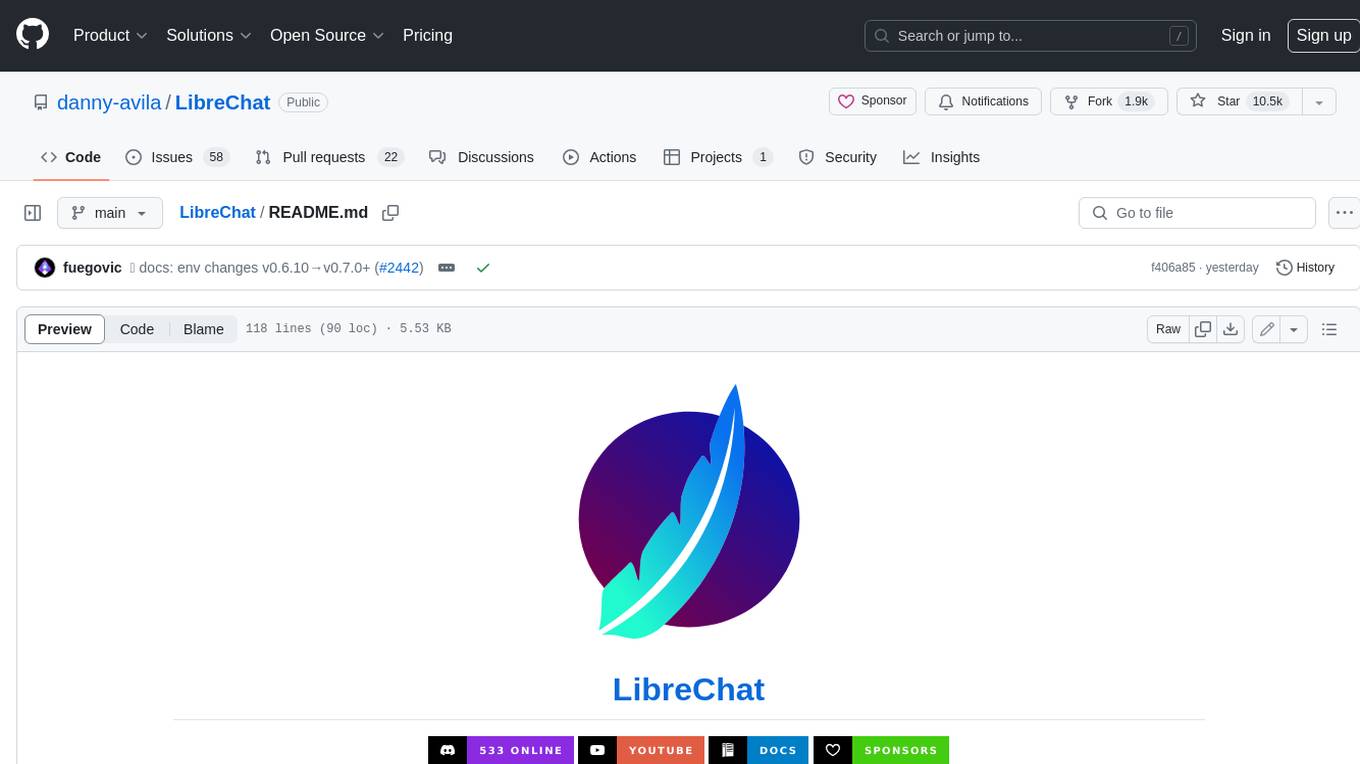
LibreChat
LibreChat is an all-in-one AI conversation platform that integrates multiple AI models, including ChatGPT, into a user-friendly interface. It offers a wide range of features, including multimodal chat, multilingual UI, AI model selection, custom presets, conversation branching, message export, search, plugins, multi-user support, and extensive configuration options. LibreChat is open-source and community-driven, with a focus on providing a free and accessible alternative to ChatGPT Plus. It is designed to enhance productivity, creativity, and communication through advanced AI capabilities.
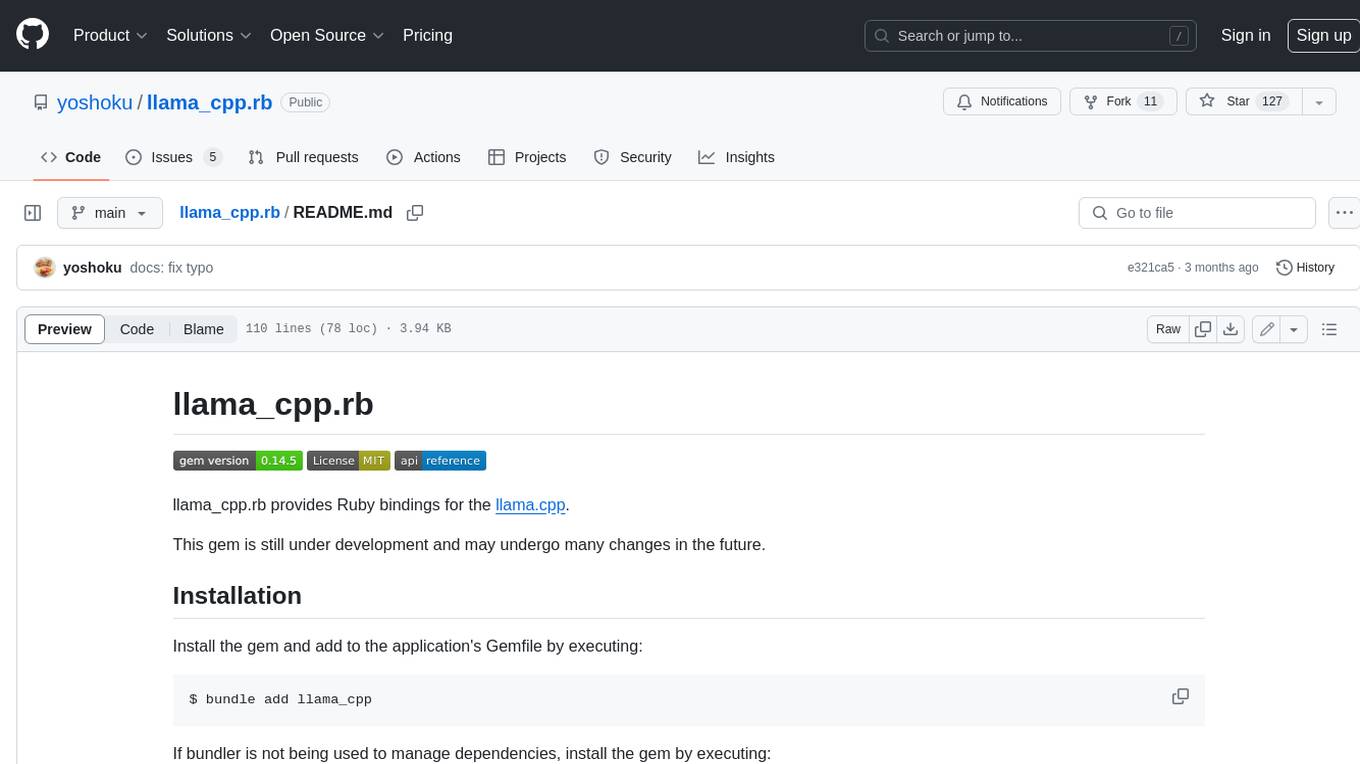
llama_cpp.rb
llama_cpp.rb provides Ruby bindings for the llama.cpp, a library that allows you to use the Llama language model in your Ruby applications. Llama is a large language model that can be used for a variety of natural language processing tasks, such as text generation, translation, and question answering. This gem is still under development and may undergo many changes in the future.
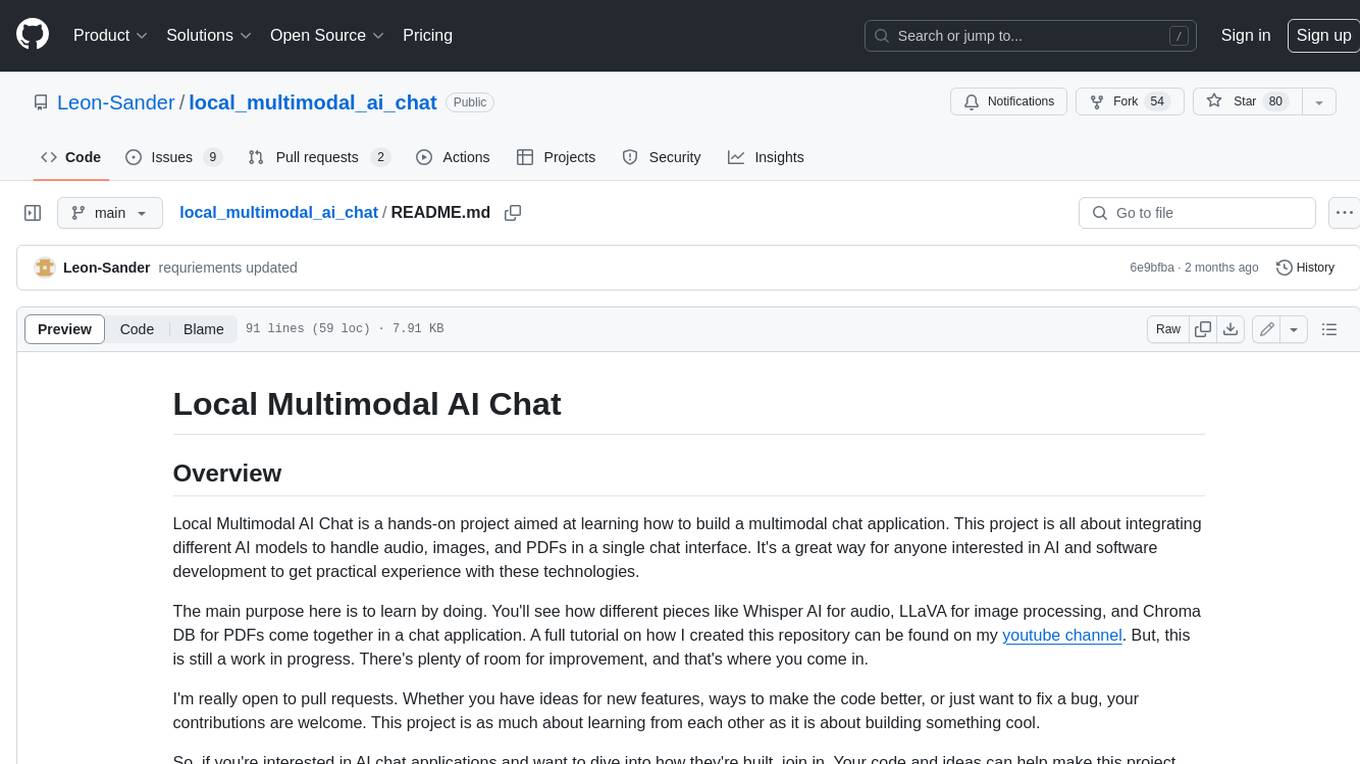
local_multimodal_ai_chat
Local Multimodal AI Chat is a hands-on project that teaches you how to build a multimodal chat application. It integrates different AI models to handle audio, images, and PDFs in a single chat interface. This project is perfect for anyone interested in AI and software development who wants to gain practical experience with these technologies.
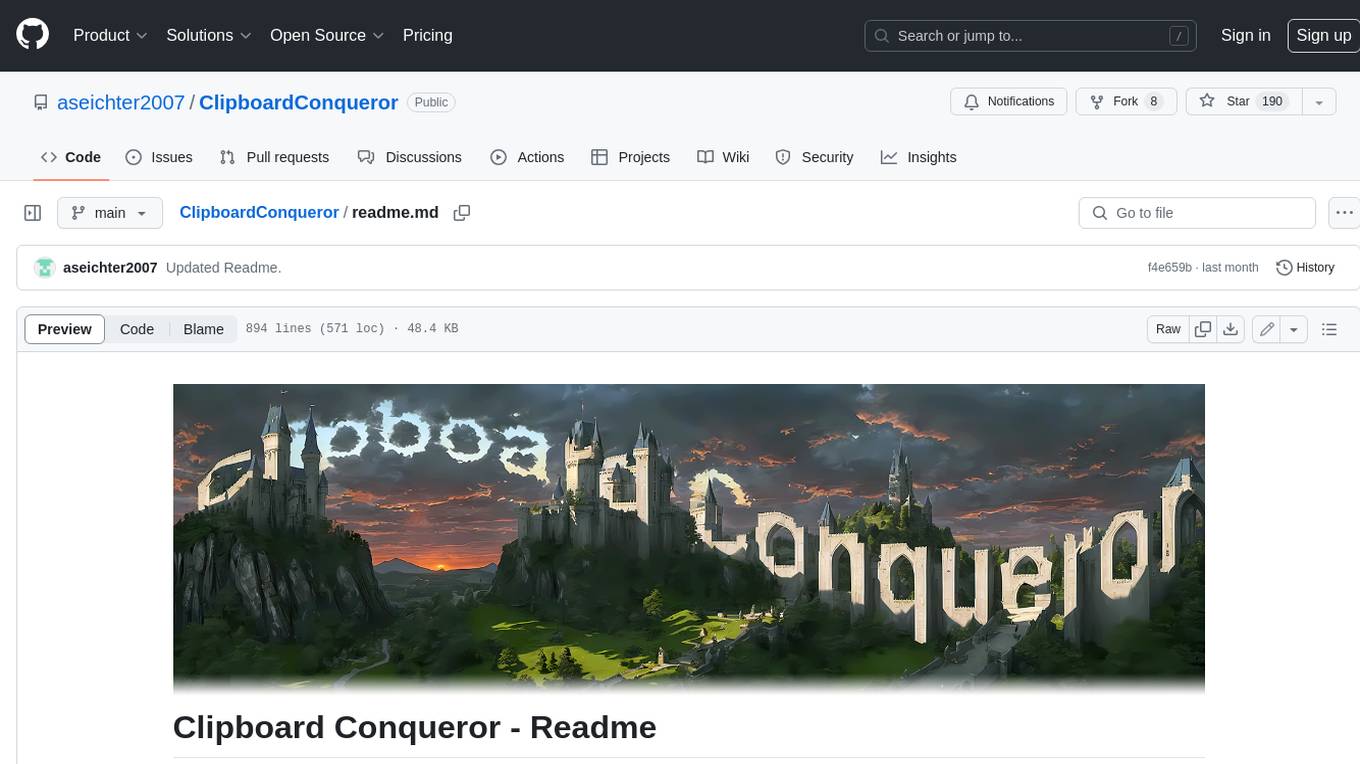
ClipboardConqueror
Clipboard Conqueror is a multi-platform omnipresent copilot alternative. Currently requiring a kobold united or openAI compatible back end, this software brings powerful LLM based tools to any text field, the universal copilot you deserve. It simply works anywhere. No need to sign in, no required key. Provided you are using local AI, CC is a data secure alternative integration provided you trust whatever backend you use. *Special thank you to the creators of KoboldAi, KoboldCPP, llamma, openAi, and the communities that made all this possible to figure out.
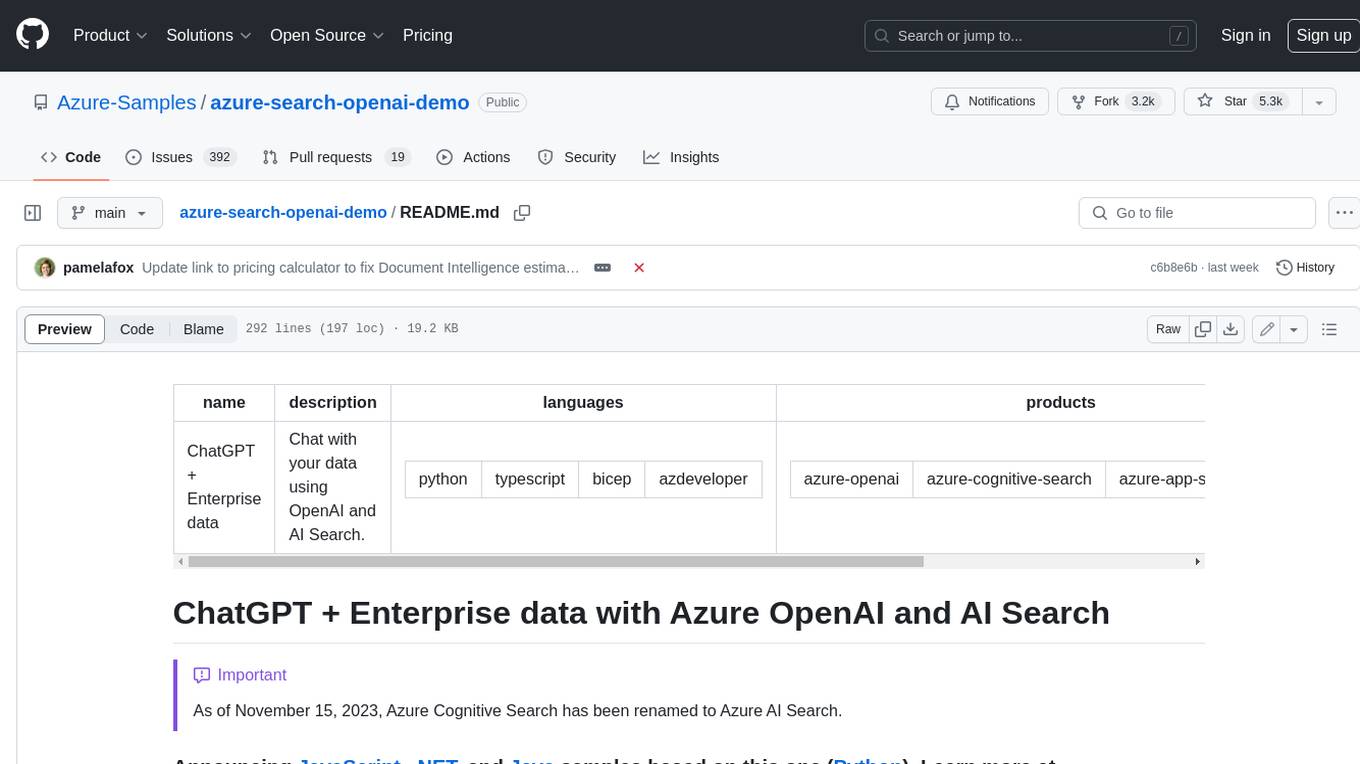
azure-search-openai-demo
This sample demonstrates a few approaches for creating ChatGPT-like experiences over your own data using the Retrieval Augmented Generation pattern. It uses Azure OpenAI Service to access a GPT model (gpt-35-turbo), and Azure AI Search for data indexing and retrieval. The repo includes sample data so it's ready to try end to end. In this sample application we use a fictitious company called Contoso Electronics, and the experience allows its employees to ask questions about the benefits, internal policies, as well as job descriptions and roles.
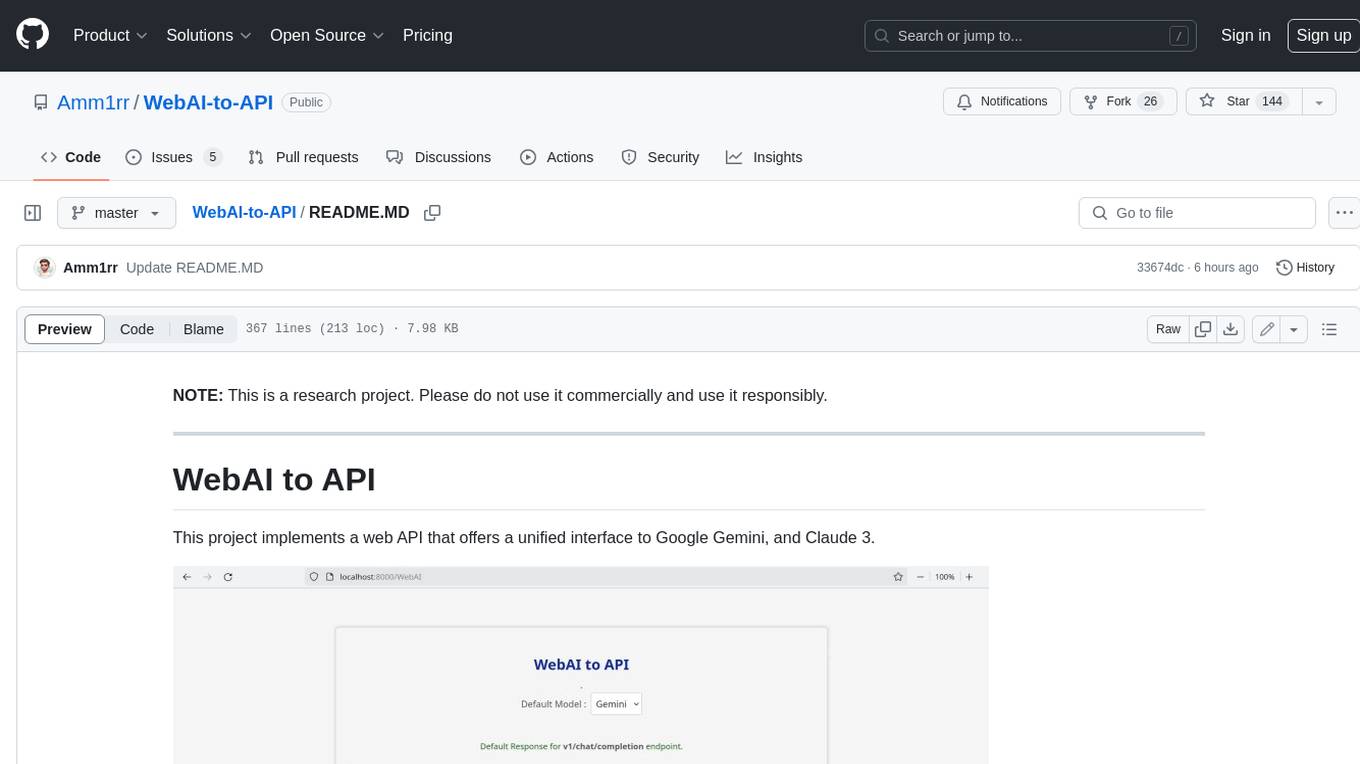
WebAI-to-API
This project implements a web API that offers a unified interface to Google Gemini and Claude 3. It provides a self-hosted, lightweight, and scalable solution for accessing these AI models through a streaming API. The API supports both Claude and Gemini models, allowing users to interact with them in real-time. The project includes a user-friendly web UI for configuration and documentation, making it easy to get started and explore the capabilities of the API.
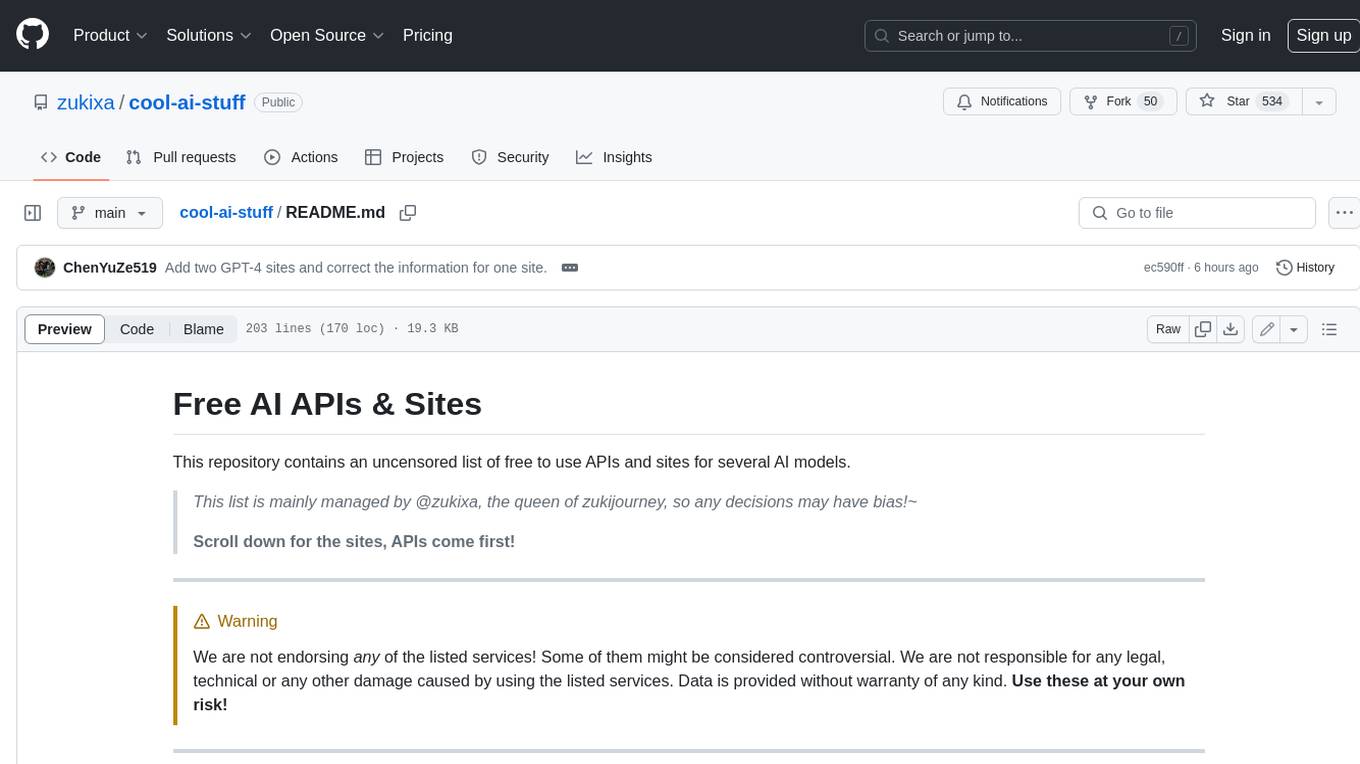
cool-ai-stuff
This repository contains an uncensored list of free to use APIs and sites for several AI models. > _This list is mainly managed by @zukixa, the queen of zukijourney, so any decisions may have bias!~_ > > **Scroll down for the sites, APIs come first!** * * * > [!WARNING] > We are not endorsing _any_ of the listed services! Some of them might be considered controversial. We are not responsible for any legal, technical or any other damage caused by using the listed services. Data is provided without warranty of any kind. **Use these at your own risk!** * * * # APIs Table of Contents #### Overview of Existing APIs #### Overview of Existing APIs -- Top LLM Models Available #### Overview of Existing APIs -- Top Image Models Available #### Overview of Existing APIs -- Top Other Features & Models Available #### Overview of Existing APIs -- Available Donator Perks * * * ## API List:* *: This list solely covers all providers I (@zukixa) was able to collect metrics in. Any mistakes are not my responsibility, as I am either banned, or not aware of x API. \ 1: Last Updated 4/14/24 ### Overview of APIs: | Service | # of Users1 | Link | Stablity | NSFW Ok? | Open Source? | Owner(s) | Other Notes | | ----------- | ---------- | ------------------------------------------ | ------------------------------------------ | --------------------------- | ------------------------------------------------------ | -------------------------- | ----------------------------------------------------------------------------------------------------------- | | zukijourney| 4441 | D | High | On /unf/, not /v1/ | ✅, Here | @zukixa | Largest & Oldest GPT-4 API still continuously around. Offers other popular AI-related Bots too. | | Hyzenberg| 1234 | D | High | Forbidden | ❌ | @thatlukinhasguy & @voidiii | Experimental sister API to Zukijourney. Successor to HentAI | | NagaAI | 2883 | D | High | Forbidden | ❌ | @zentixua | Honorary successor to ChimeraGPT, the largest API in history (15k users). | | WebRaftAI | 993 | D | High | Forbidden | ❌ | @ds_gamer | Largest API by model count. Provides a lot of service/hosting related stuff too. | | KrakenAI | 388 | D | High | Discouraged | ❌ | @paninico | It is an API of all time. | | ShuttleAI | 3585 | D | Medium | Generally Permitted | ❌ | @xtristan | Faked GPT-4 Before 1, 2 | | Mandrill | 931 | D | Medium | Enterprise-Tier-Only | ❌ | @fredipy | DALL-E-3 access pioneering API. Has some issues with speed & stability nowadays. | oxygen | 742 | D | Medium | Donator-Only | ❌ | @thesketchubuser | Bri'ish 🤮 & Fren'sh 🤮 | | Skailar | 399 | D | Medium | Forbidden | ❌ | @aquadraws | Service is the personification of the word 'feature creep'. Lots of things announced, not much operational. |
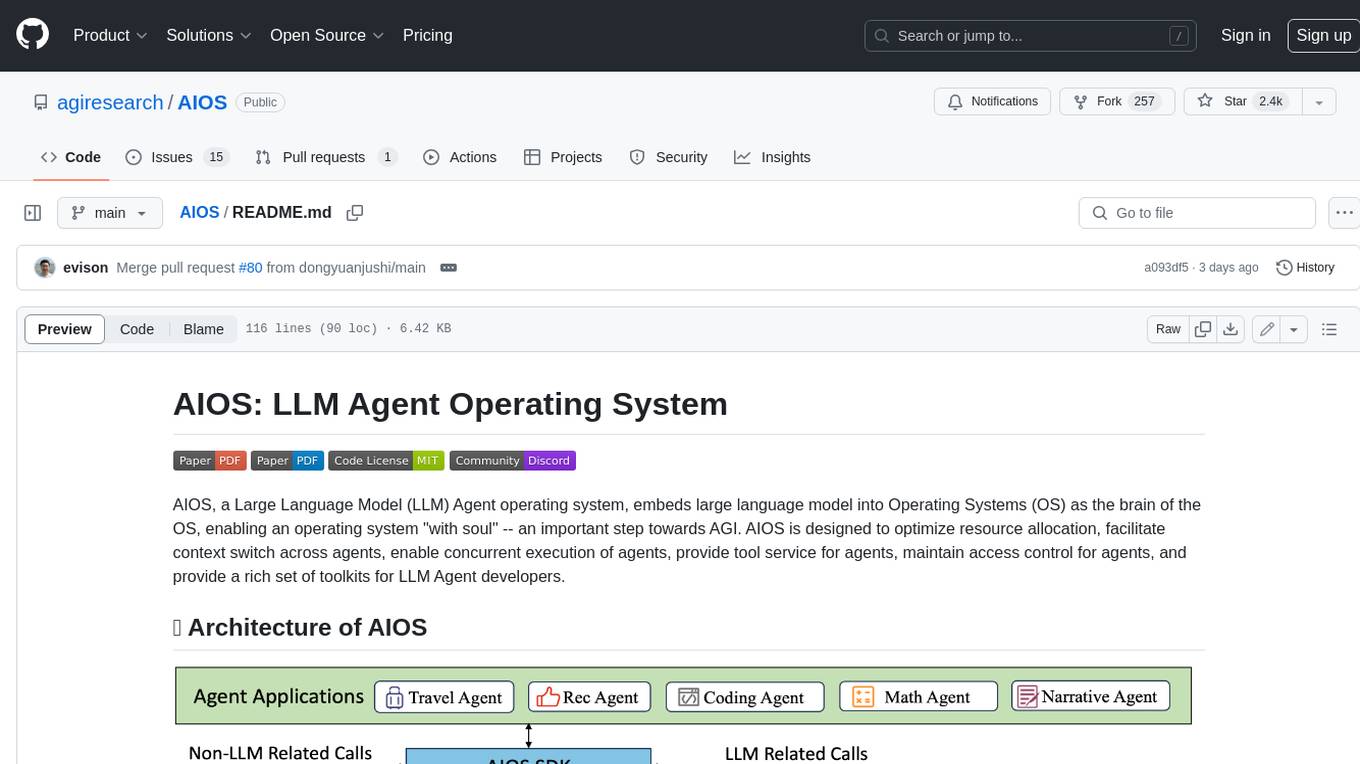
AIOS
AIOS, a Large Language Model (LLM) Agent operating system, embeds large language model into Operating Systems (OS) as the brain of the OS, enabling an operating system "with soul" -- an important step towards AGI. AIOS is designed to optimize resource allocation, facilitate context switch across agents, enable concurrent execution of agents, provide tool service for agents, maintain access control for agents, and provide a rich set of toolkits for LLM Agent developers.
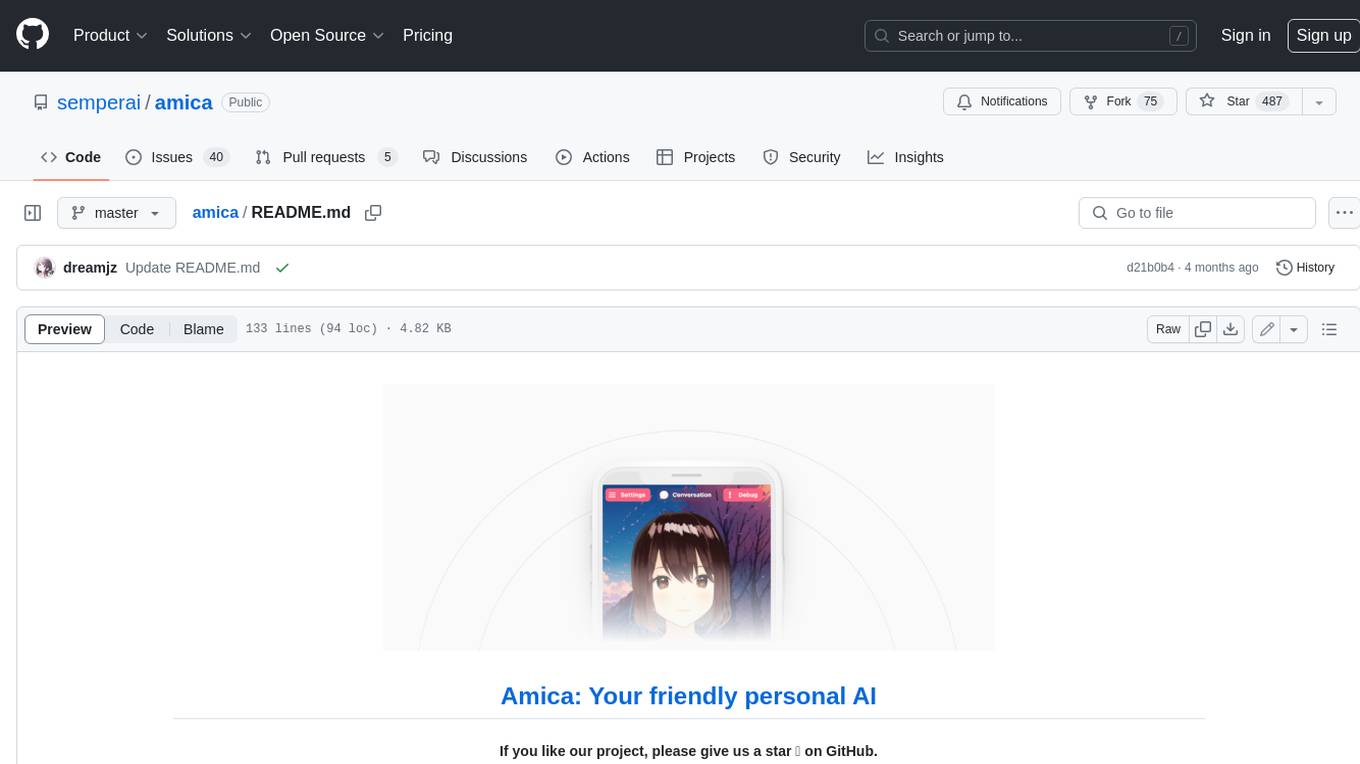
amica
Amica is an application that allows you to easily converse with 3D characters in your browser. You can import VRM files, adjust the voice to fit the character, and generate response text that includes emotional expressions.
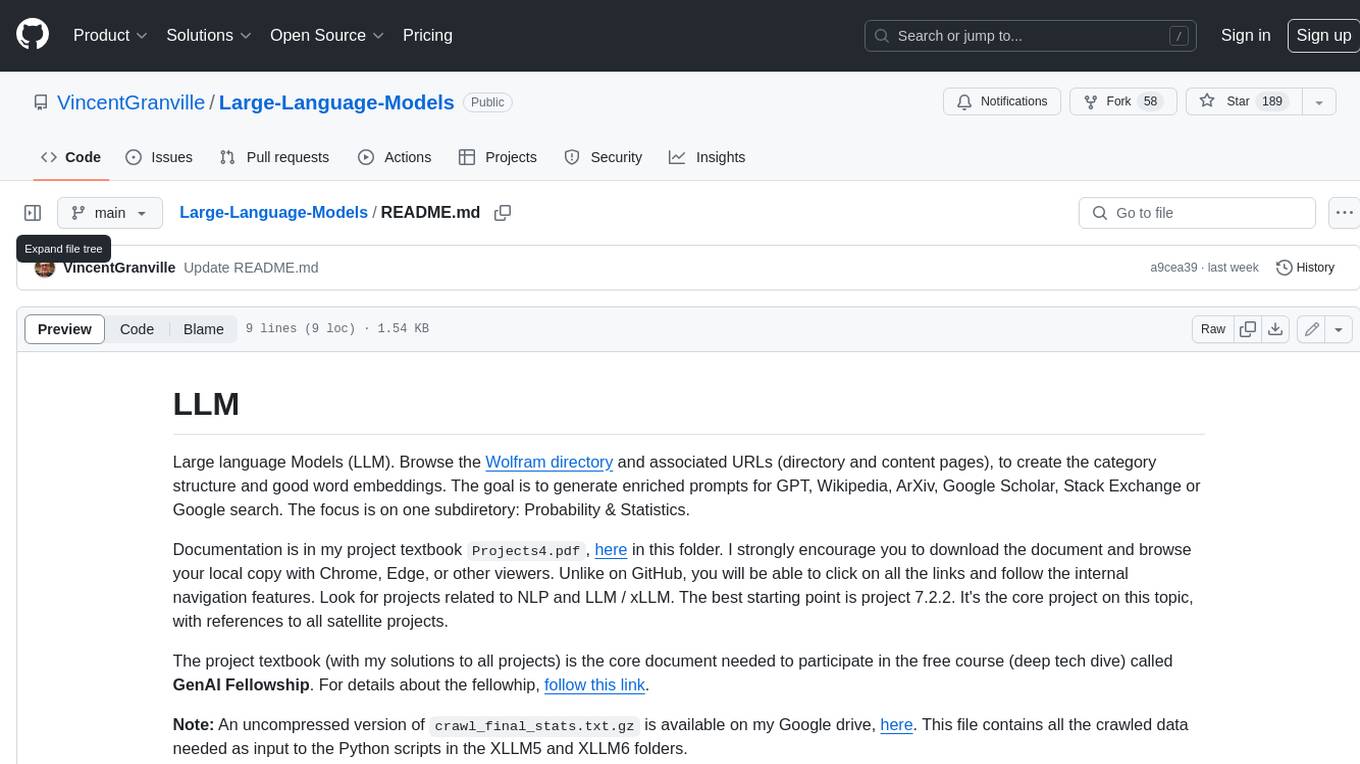
Large-Language-Models
Large Language Models (LLM) are used to browse the Wolfram directory and associated URLs to create the category structure and good word embeddings. The goal is to generate enriched prompts for GPT, Wikipedia, Arxiv, Google Scholar, Stack Exchange, or Google search. The focus is on one subdirectory: Probability & Statistics. Documentation is in the project textbook `Projects4.pdf`, which is available in the folder. It is recommended to download the document and browse your local copy with Chrome, Edge, or other viewers. Unlike on GitHub, you will be able to click on all the links and follow the internal navigation features. Look for projects related to NLP and LLM / xLLM. The best starting point is project 7.2.2, which is the core project on this topic, with references to all satellite projects. The project textbook (with solutions to all projects) is the core document needed to participate in the free course (deep tech dive) called **GenAI Fellowship**. For details about the fellowship, follow the link provided. An uncompressed version of `crawl_final_stats.txt.gz` is available on Google drive, which contains all the crawled data needed as input to the Python scripts in the XLLM5 and XLLM6 folders.
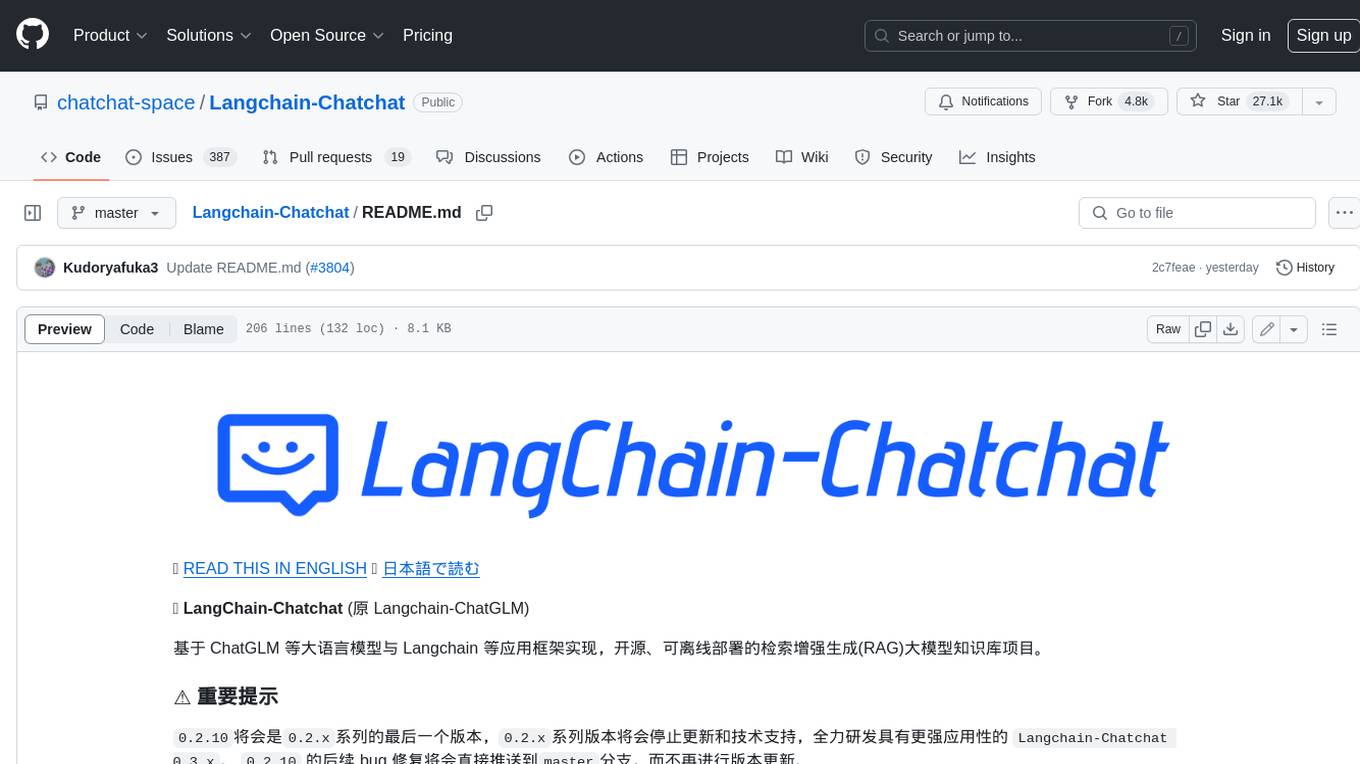
Langchain-Chatchat
LangChain-Chatchat is an open-source, offline-deployable retrieval-enhanced generation (RAG) large model knowledge base project based on large language models such as ChatGLM and application frameworks such as Langchain. It aims to establish a knowledge base Q&A solution that is friendly to Chinese scenarios, supports open-source models, and can run offline.
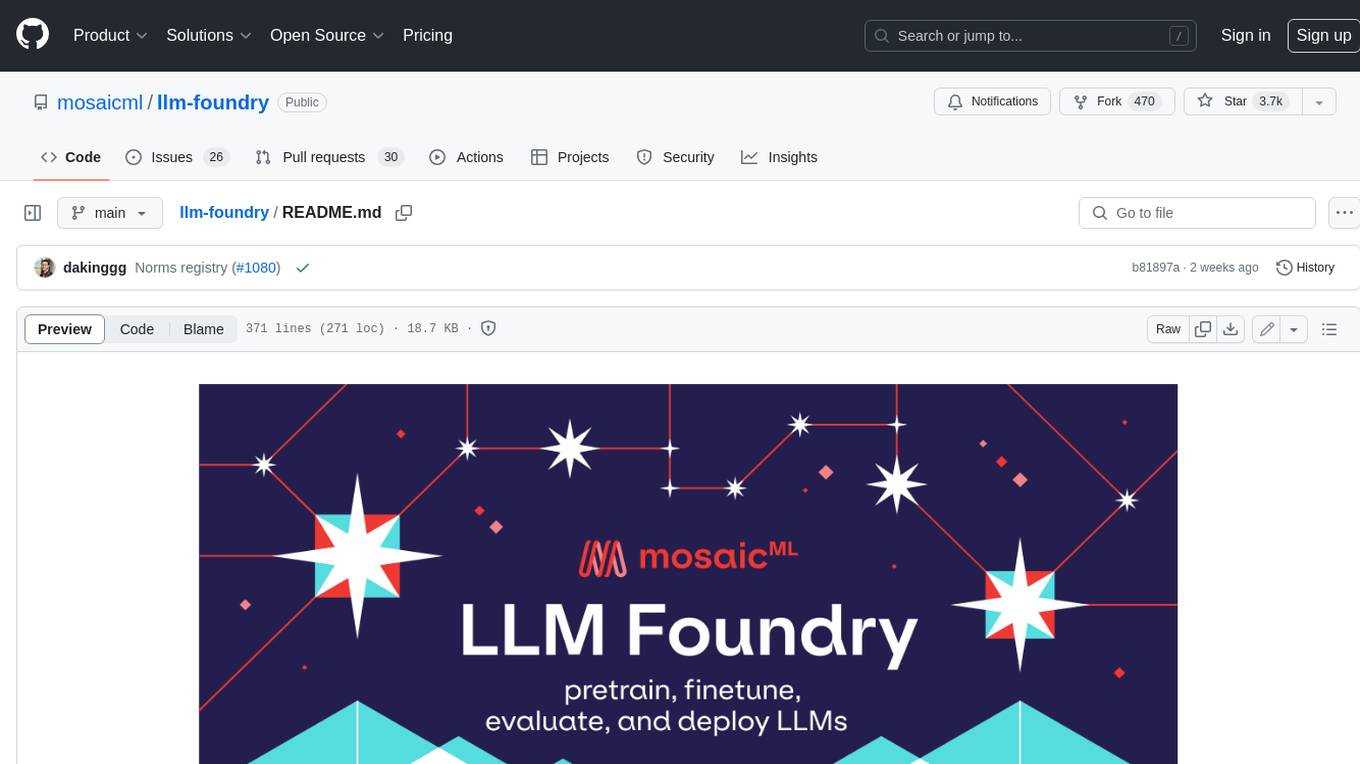
llm-foundry
LLM Foundry is a codebase for training, finetuning, evaluating, and deploying LLMs for inference with Composer and the MosaicML platform. It is designed to be easy-to-use, efficient _and_ flexible, enabling rapid experimentation with the latest techniques. You'll find in this repo: * `llmfoundry/` - source code for models, datasets, callbacks, utilities, etc. * `scripts/` - scripts to run LLM workloads * `data_prep/` - convert text data from original sources to StreamingDataset format * `train/` - train or finetune HuggingFace and MPT models from 125M - 70B parameters * `train/benchmarking` - profile training throughput and MFU * `inference/` - convert models to HuggingFace or ONNX format, and generate responses * `inference/benchmarking` - profile inference latency and throughput * `eval/` - evaluate LLMs on academic (or custom) in-context-learning tasks * `mcli/` - launch any of these workloads using MCLI and the MosaicML platform * `TUTORIAL.md` - a deeper dive into the repo, example workflows, and FAQs
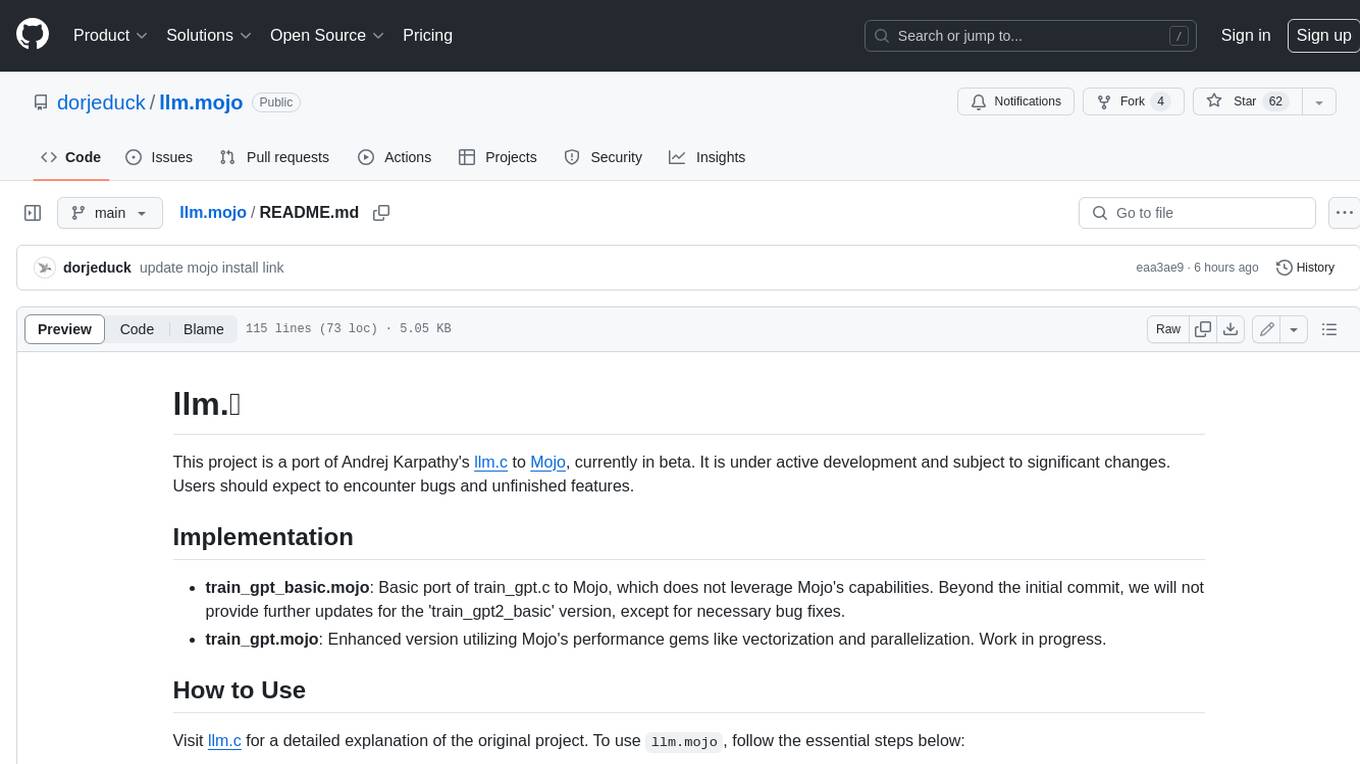
llm.mojo
This project is a port of Andrej Karpathy's llm.c to Mojo, currently in beta. It is under active development and subject to changes. Users should expect to encounter bugs and unfinished features.
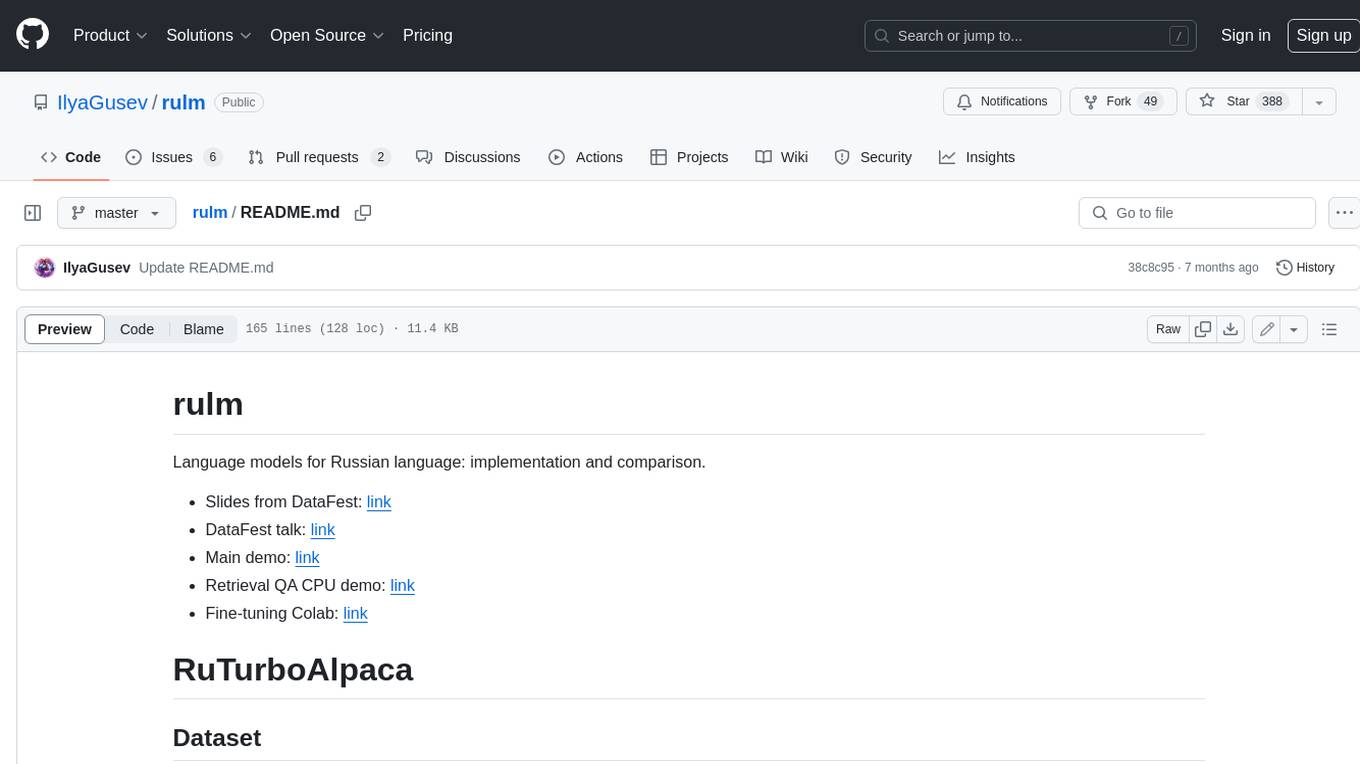
rulm
This repository contains language models for the Russian language, as well as their implementation and comparison. The models are trained on a dataset of ChatGPT-generated instructions and chats in Russian. They can be used for a variety of tasks, including question answering, text generation, and translation.
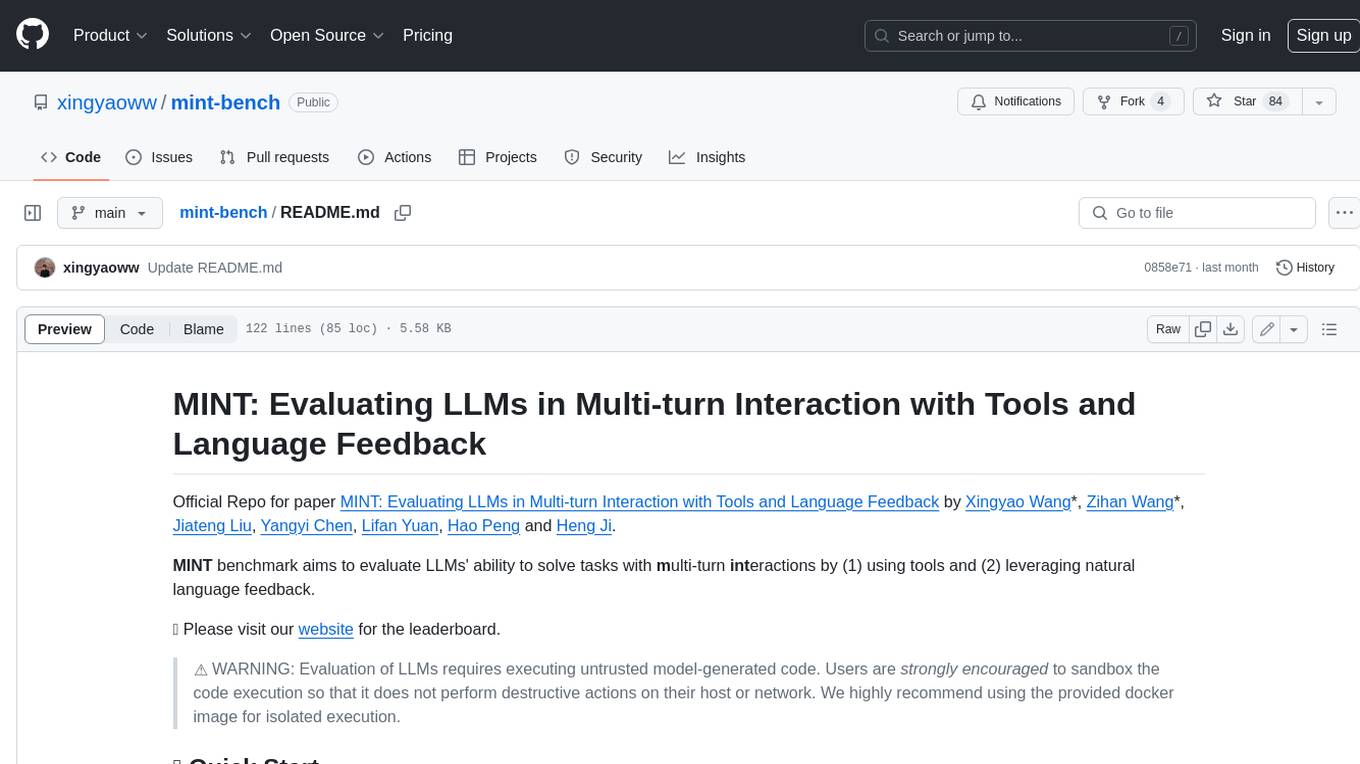
mint-bench
MINT benchmark aims to evaluate LLMs' ability to solve tasks with multi-turn interactions by (1) using tools and (2) leveraging natural language feedback.
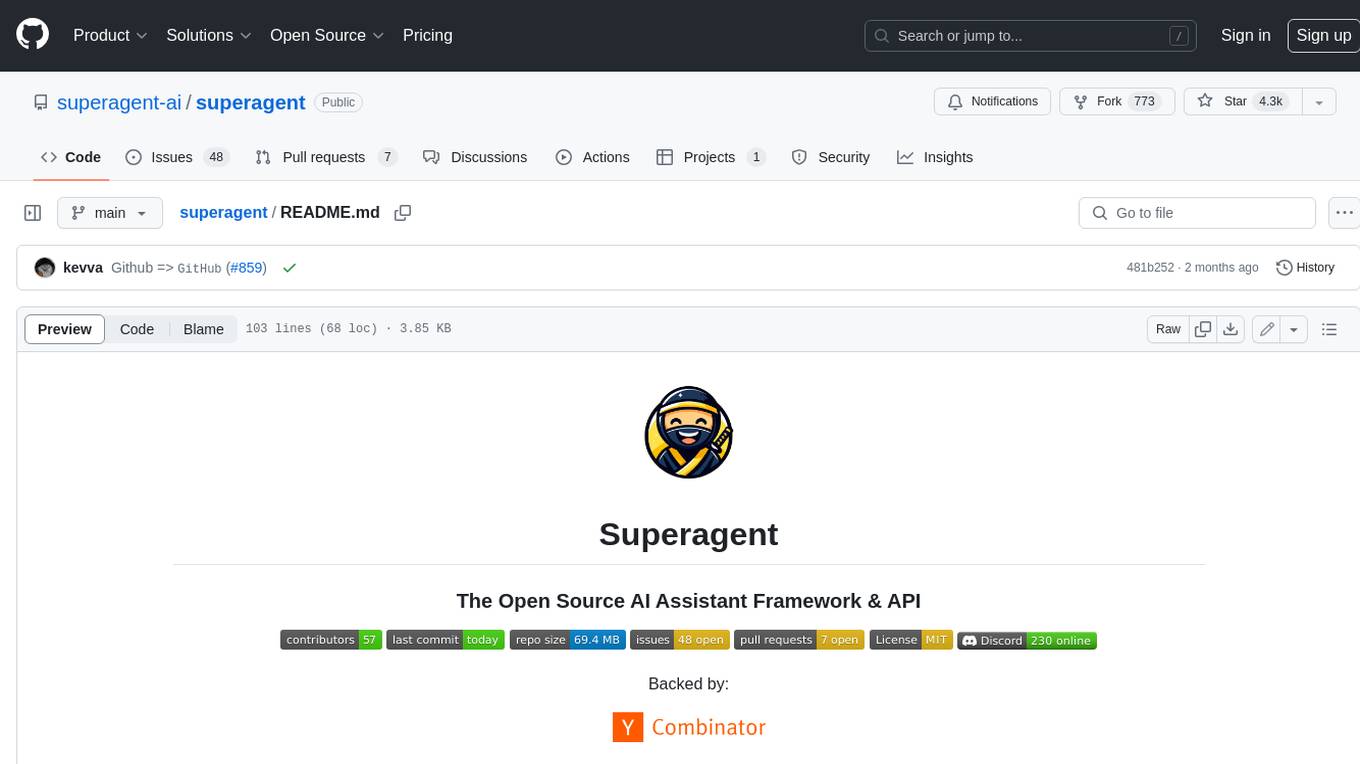
superagent
Superagent is an open-source AI assistant framework and API that allows developers to add powerful AI assistants to their applications. These assistants use large language models (LLMs), retrieval augmented generation (RAG), and generative AI to help users with a variety of tasks, including question answering, chatbot development, content generation, data aggregation, and workflow automation. Superagent is backed by Y Combinator and is part of YC W24.
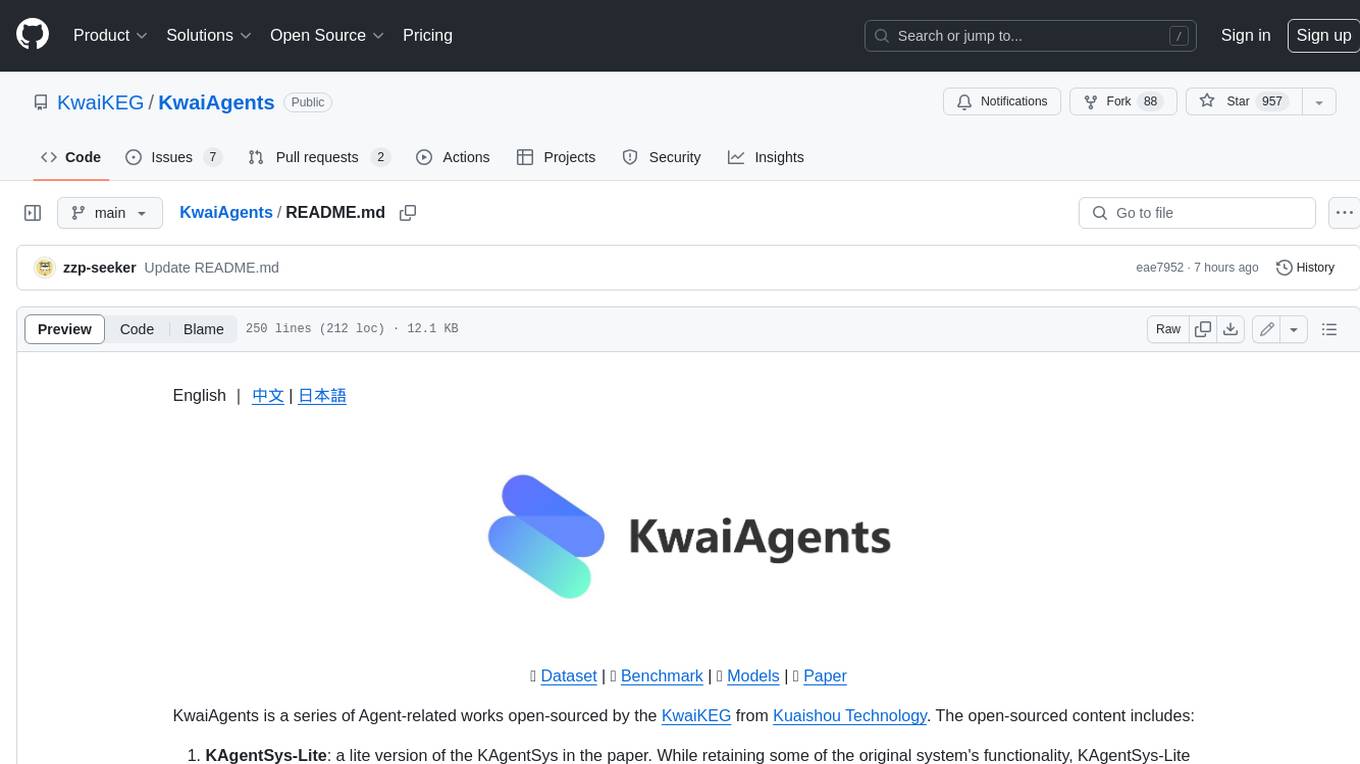
KwaiAgents
KwaiAgents is a series of Agent-related works open-sourced by the [KwaiKEG](https://github.com/KwaiKEG) from [Kuaishou Technology](https://www.kuaishou.com/en). The open-sourced content includes: 1. **KAgentSys-Lite**: a lite version of the KAgentSys in the paper. While retaining some of the original system's functionality, KAgentSys-Lite has certain differences and limitations when compared to its full-featured counterpart, such as: (1) a more limited set of tools; (2) a lack of memory mechanisms; (3) slightly reduced performance capabilities; and (4) a different codebase, as it evolves from open-source projects like BabyAGI and Auto-GPT. Despite these modifications, KAgentSys-Lite still delivers comparable performance among numerous open-source Agent systems available. 2. **KAgentLMs**: a series of large language models with agent capabilities such as planning, reflection, and tool-use, acquired through the Meta-agent tuning proposed in the paper. 3. **KAgentInstruct**: over 200k Agent-related instructions finetuning data (partially human-edited) proposed in the paper. 4. **KAgentBench**: over 3,000 human-edited, automated evaluation data for testing Agent capabilities, with evaluation dimensions including planning, tool-use, reflection, concluding, and profiling.

azure-search-openai-javascript
This sample demonstrates a few approaches for creating ChatGPT-like experiences over your own data using the Retrieval Augmented Generation pattern. It uses Azure OpenAI Service to access the ChatGPT model (gpt-35-turbo), and Azure AI Search for data indexing and retrieval.
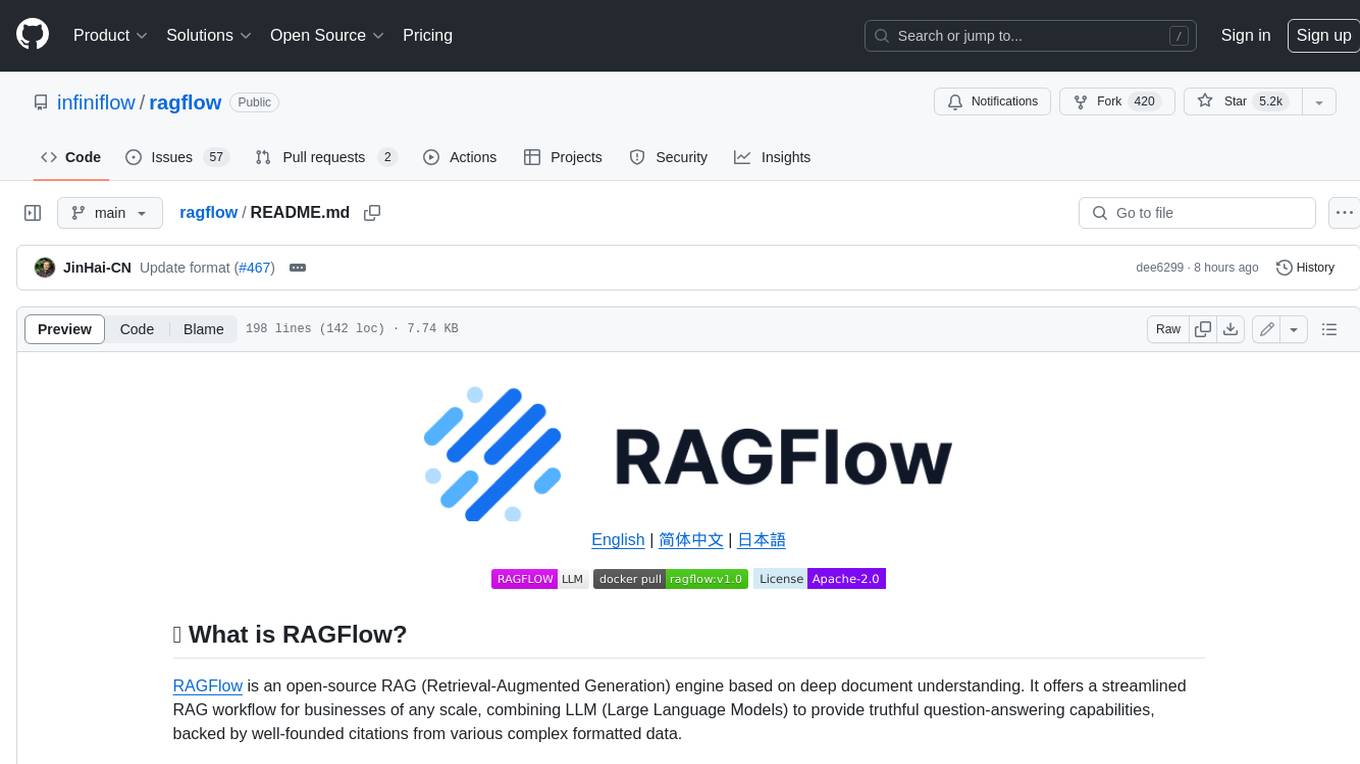
ragflow
RAGFlow is an open-source Retrieval-Augmented Generation (RAG) engine that combines deep document understanding with Large Language Models (LLMs) to provide accurate question-answering capabilities. It offers a streamlined RAG workflow for businesses of all sizes, enabling them to extract knowledge from unstructured data in various formats, including Word documents, slides, Excel files, images, and more. RAGFlow's key features include deep document understanding, template-based chunking, grounded citations with reduced hallucinations, compatibility with heterogeneous data sources, and an automated and effortless RAG workflow. It supports multiple recall paired with fused re-ranking, configurable LLMs and embedding models, and intuitive APIs for seamless integration with business applications.
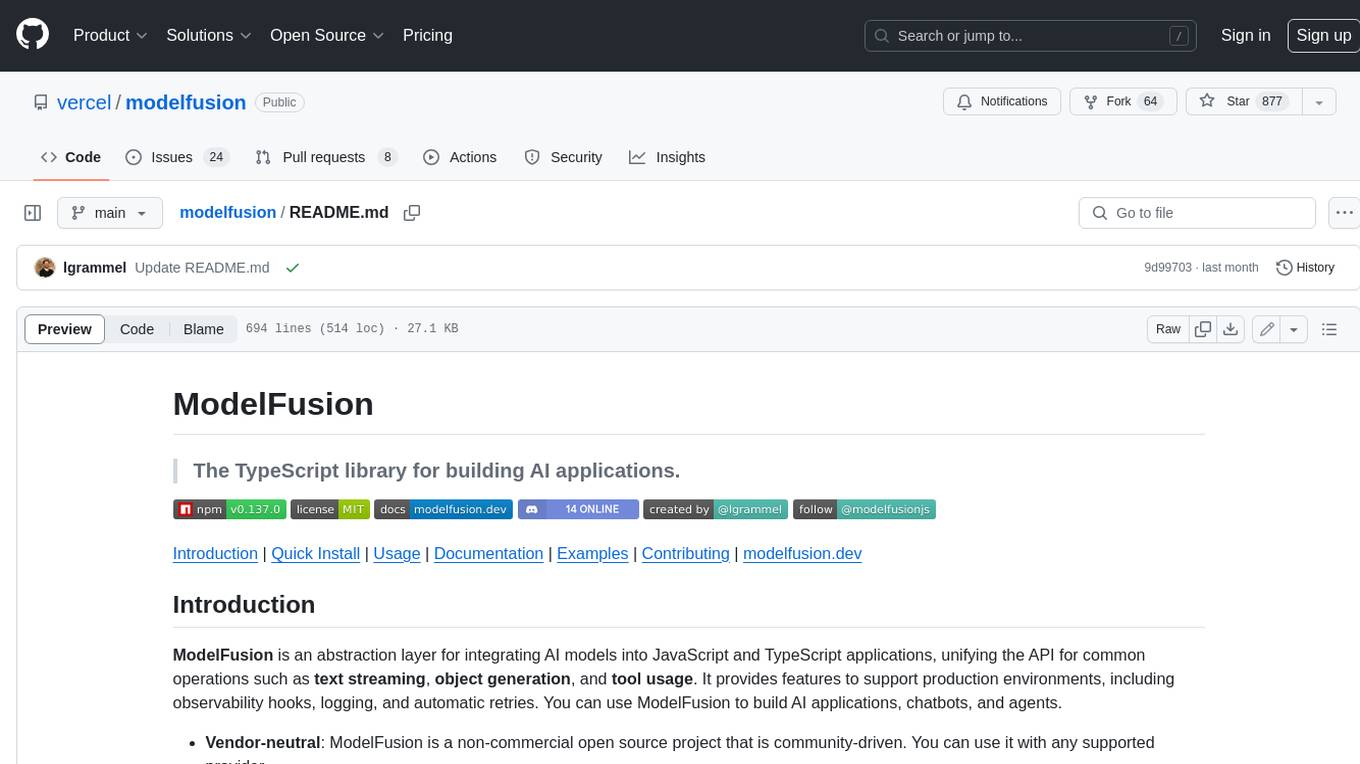
modelfusion
ModelFusion is an abstraction layer for integrating AI models into JavaScript and TypeScript applications, unifying the API for common operations such as text streaming, object generation, and tool usage. It provides features to support production environments, including observability hooks, logging, and automatic retries. You can use ModelFusion to build AI applications, chatbots, and agents. ModelFusion is a non-commercial open source project that is community-driven. You can use it with any supported provider. ModelFusion supports a wide range of models including text generation, image generation, vision, text-to-speech, speech-to-text, and embedding models. ModelFusion infers TypeScript types wherever possible and validates model responses. ModelFusion provides an observer framework and logging support. ModelFusion ensures seamless operation through automatic retries, throttling, and error handling mechanisms. ModelFusion is fully tree-shakeable, can be used in serverless environments, and only uses a minimal set of dependencies.
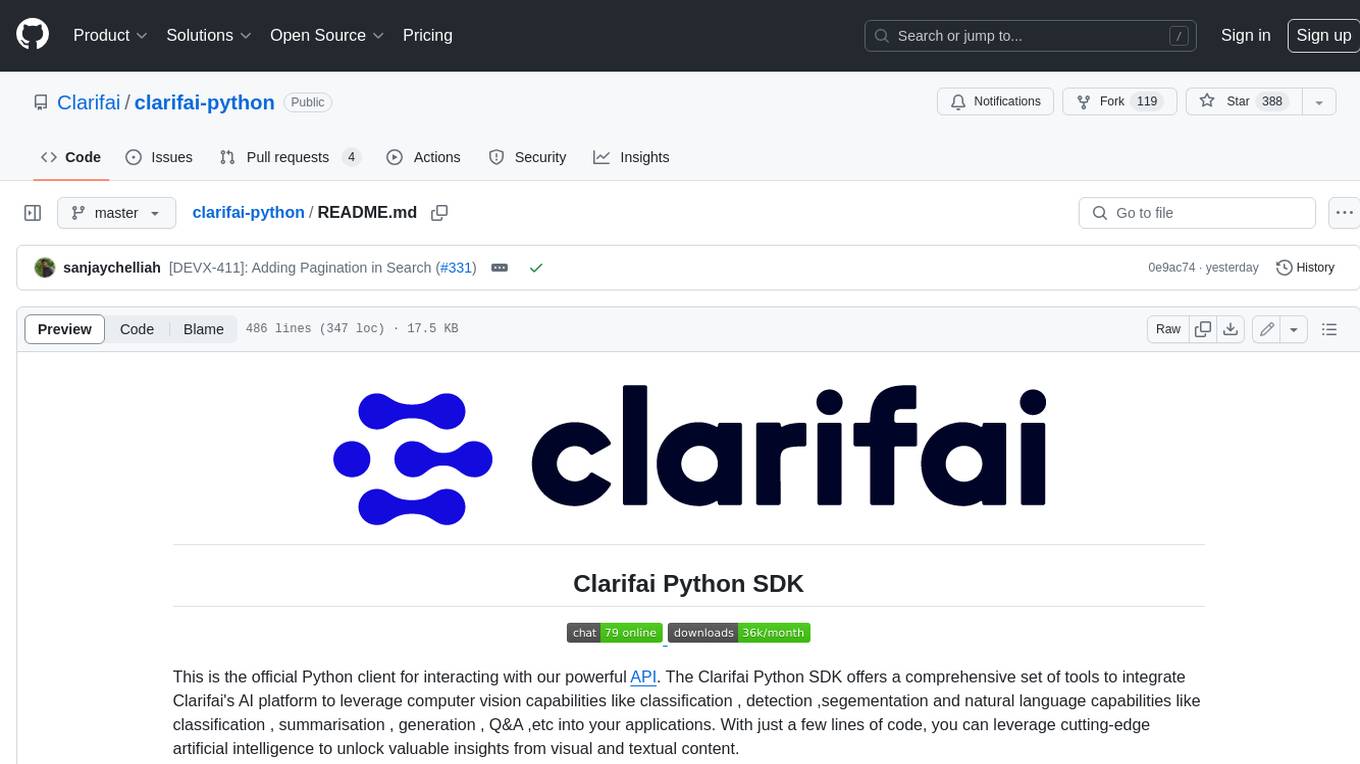
clarifai-python
The Clarifai Python SDK offers a comprehensive set of tools to integrate Clarifai's AI platform to leverage computer vision capabilities like classification , detection ,segementation and natural language capabilities like classification , summarisation , generation , Q&A ,etc into your applications. With just a few lines of code, you can leverage cutting-edge artificial intelligence to unlock valuable insights from visual and textual content.
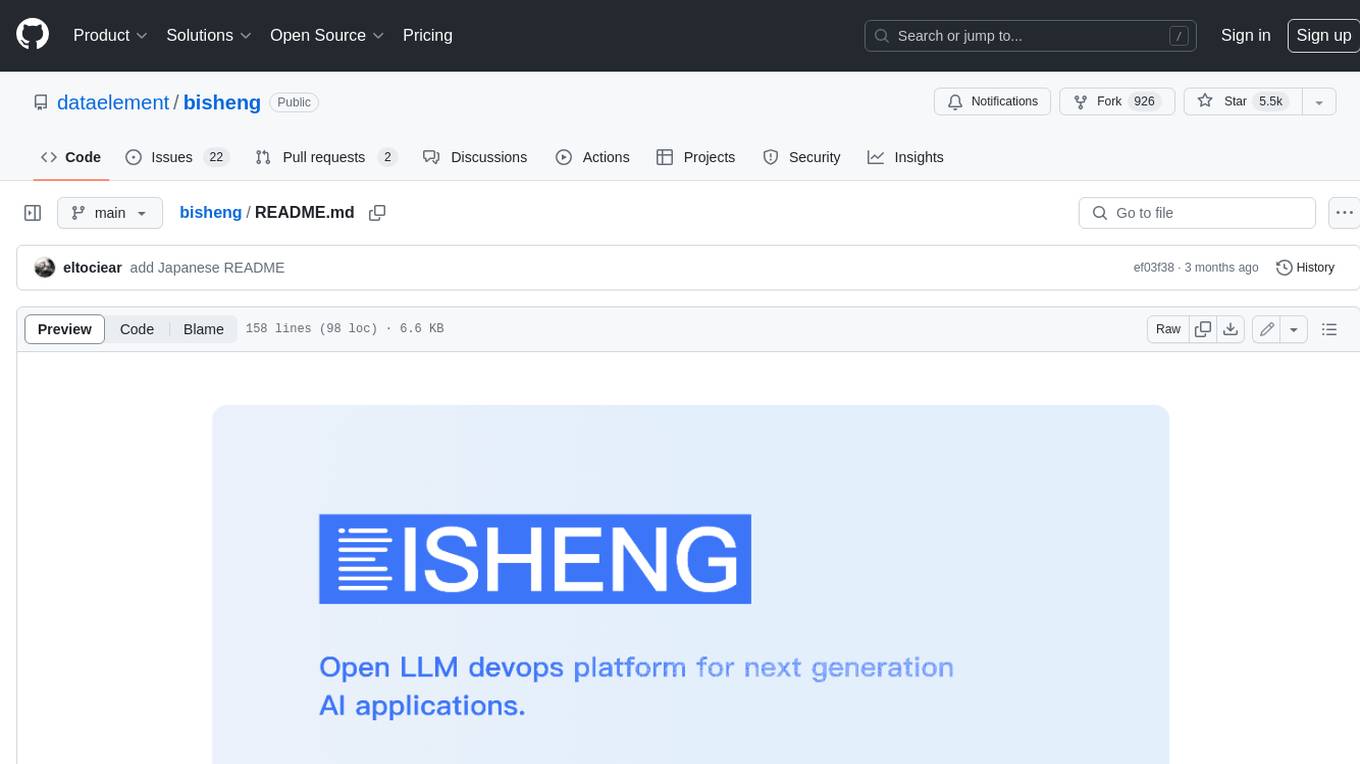
bisheng
Bisheng is a leading open-source **large model application development platform** that empowers and accelerates the development and deployment of large model applications, helping users enter the next generation of application development with the best possible experience.
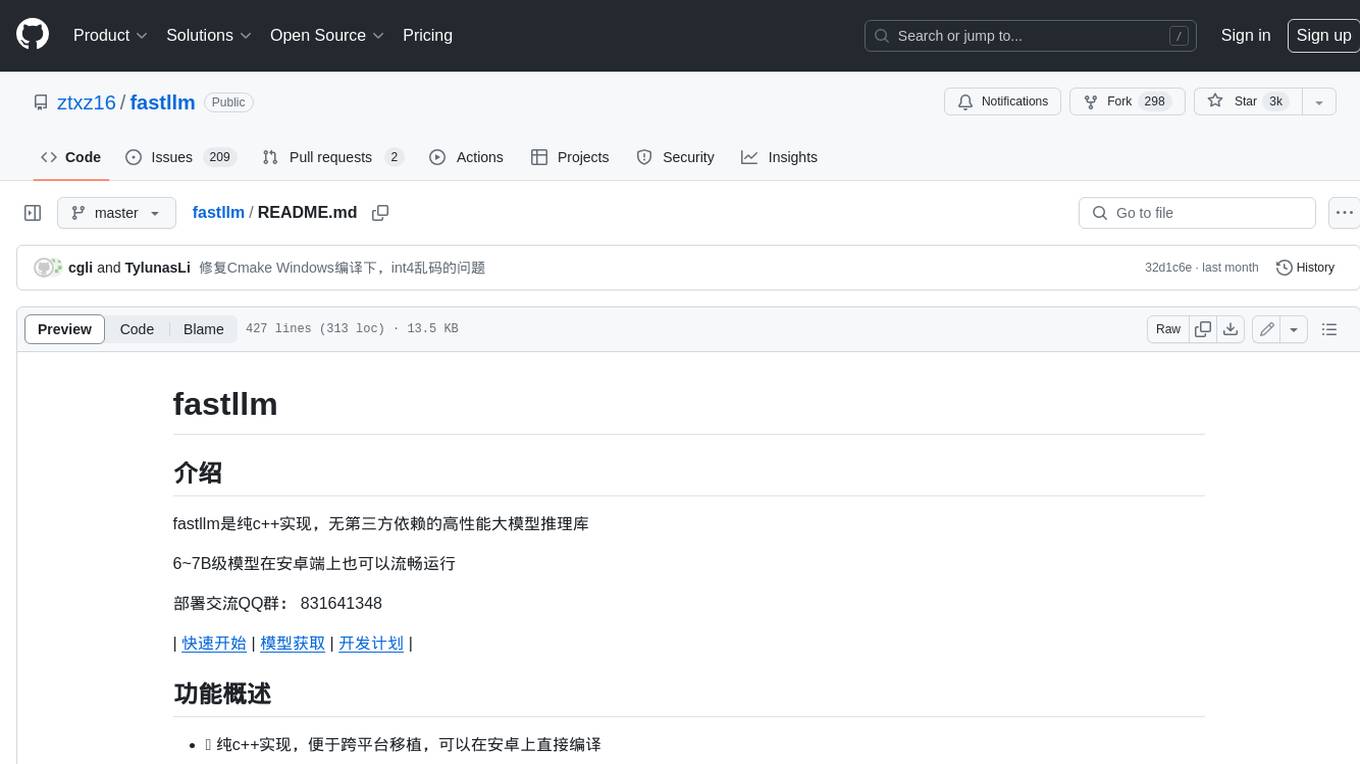
fastllm
FastLLM is a high-performance large model inference library implemented in pure C++ with no third-party dependencies. Models of 6-7B size can run smoothly on Android devices. Deployment communication QQ group: 831641348
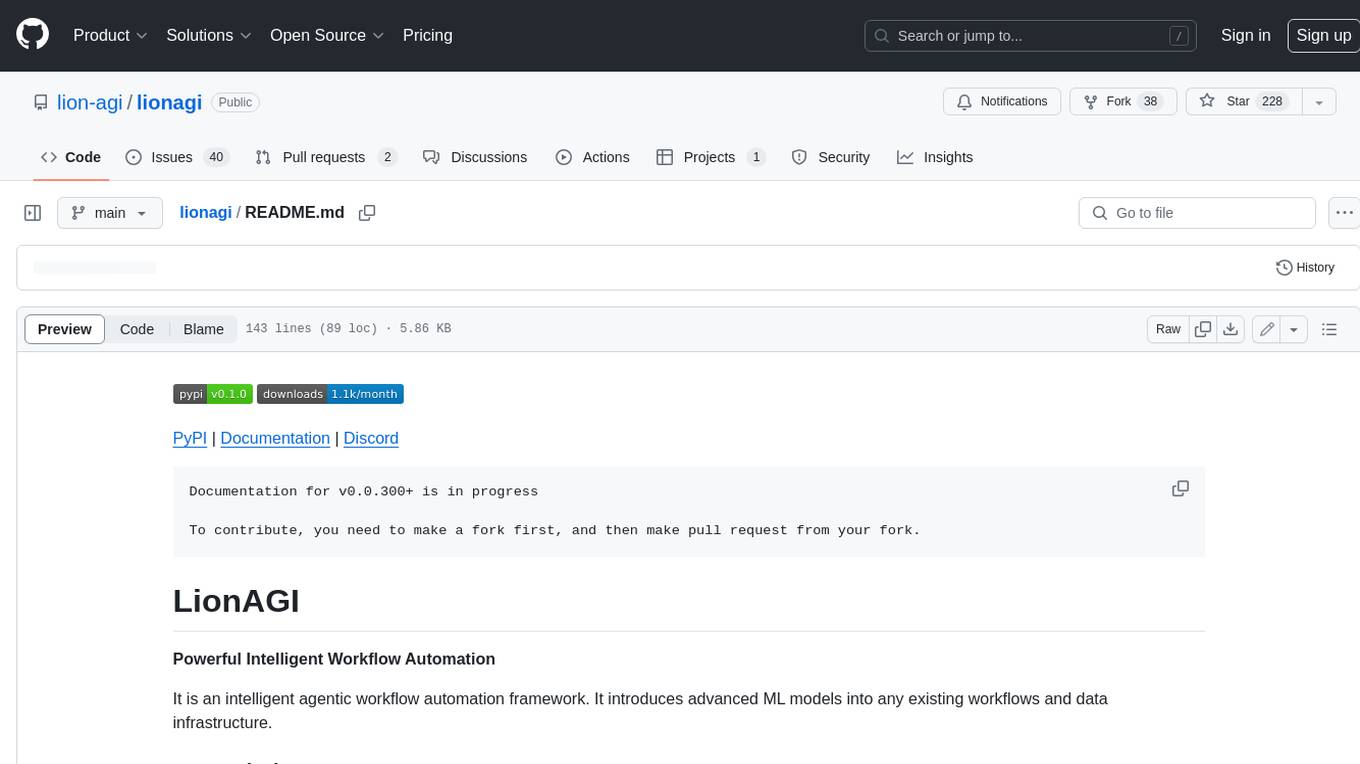
lionagi
LionAGI is a powerful intelligent workflow automation framework that introduces advanced ML models into any existing workflows and data infrastructure. It can interact with almost any model, run interactions in parallel for most models, produce structured pydantic outputs with flexible usage, automate workflow via graph based agents, use advanced prompting techniques, and more. LionAGI aims to provide a centralized agent-managed framework for "ML-powered tools coordination" and to dramatically lower the barrier of entries for creating use-case/domain specific tools. It is designed to be asynchronous only and requires Python 3.10 or higher.
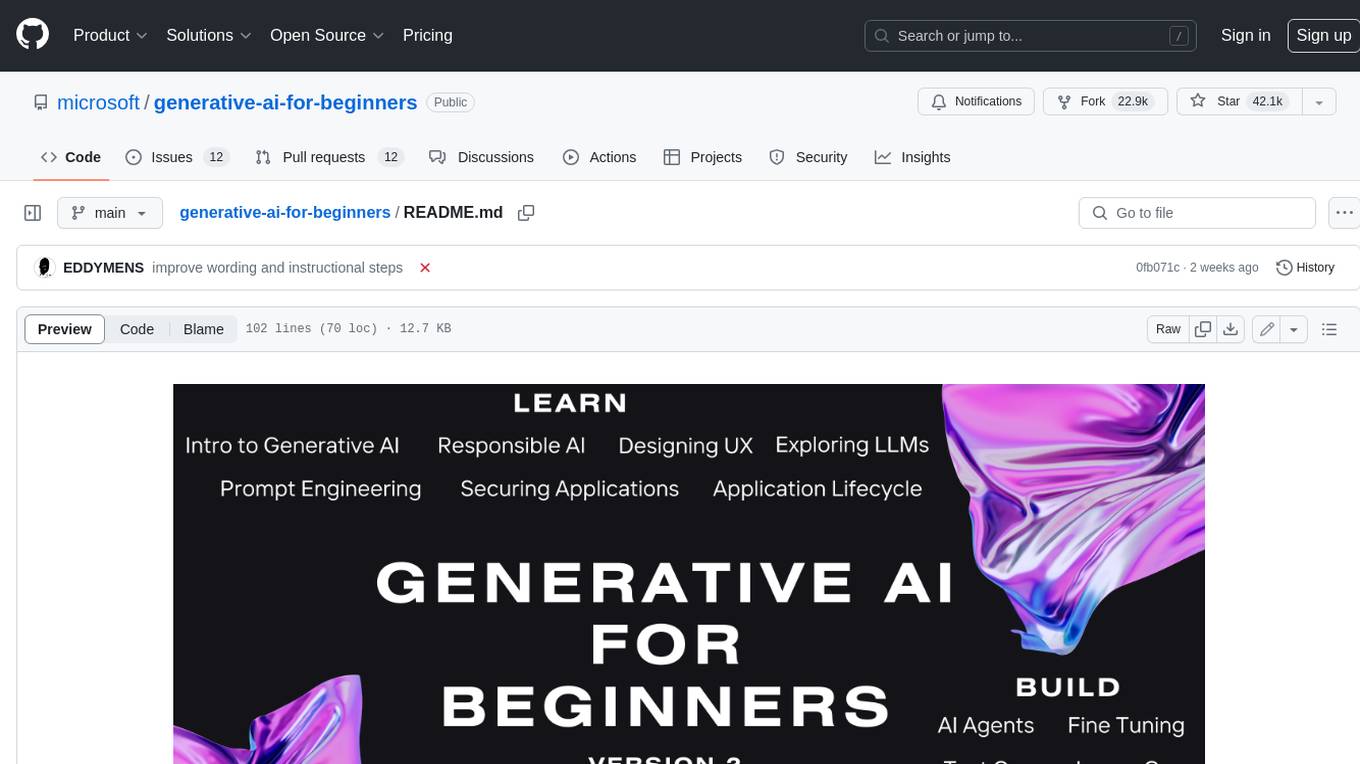
generative-ai-for-beginners
This course has 18 lessons. Each lesson covers its own topic so start wherever you like! Lessons are labeled either "Learn" lessons explaining a Generative AI concept or "Build" lessons that explain a concept and code examples in both **Python** and **TypeScript** when possible. Each lesson also includes a "Keep Learning" section with additional learning tools. **What You Need** * Access to the Azure OpenAI Service **OR** OpenAI API - _Only required to complete coding lessons_ * Basic knowledge of Python or Typescript is helpful - *For absolute beginners check out these Python and TypeScript courses. * A Github account to fork this entire repo to your own GitHub account We have created a **Course Setup** lesson to help you with setting up your development environment. Don't forget to star (🌟) this repo to find it easier later. ## 🧠 Ready to Deploy? If you are looking for more advanced code samples, check out our collection of Generative AI Code Samples in both **Python** and **TypeScript**. ## 🗣️ Meet Other Learners, Get Support Join our official AI Discord server to meet and network with other learners taking this course and get support. ## 🚀 Building a Startup? Sign up for Microsoft for Startups Founders Hub to receive **free OpenAI credits** and up to **$150k towards Azure credits to access OpenAI models through Azure OpenAI Services**. ## 🙏 Want to help? Do you have suggestions or found spelling or code errors? Raise an issue or Create a pull request ## 📂 Each lesson includes: * A short video introduction to the topic * A written lesson located in the README * Python and TypeScript code samples supporting Azure OpenAI and OpenAI API * Links to extra resources to continue your learning ## 🗃️ Lessons | | Lesson Link | Description | Additional Learning | | :-: | :------------------------------------------------------------------------------------------------------------------------------------------: | :---------------------------------------------------------------------------------------------: | ------------------------------------------------------------------------------ | | 00 | Course Setup | **Learn:** How to Setup Your Development Environment | Learn More | | 01 | Introduction to Generative AI and LLMs | **Learn:** Understanding what Generative AI is and how Large Language Models (LLMs) work. | Learn More | | 02 | Exploring and comparing different LLMs | **Learn:** How to select the right model for your use case | Learn More | | 03 | Using Generative AI Responsibly | **Learn:** How to build Generative AI Applications responsibly | Learn More | | 04 | Understanding Prompt Engineering Fundamentals | **Learn:** Hands-on Prompt Engineering Best Practices | Learn More | | 05 | Creating Advanced Prompts | **Learn:** How to apply prompt engineering techniques that improve the outcome of your prompts. | Learn More | | 06 | Building Text Generation Applications | **Build:** A text generation app using Azure OpenAI | Learn More | | 07 | Building Chat Applications | **Build:** Techniques for efficiently building and integrating chat applications. | Learn More | | 08 | Building Search Apps Vector Databases | **Build:** A search application that uses Embeddings to search for data. | Learn More | | 09 | Building Image Generation Applications | **Build:** A image generation application | Learn More | | 10 | Building Low Code AI Applications | **Build:** A Generative AI application using Low Code tools | Learn More | | 11 | Integrating External Applications with Function Calling | **Build:** What is function calling and its use cases for applications | Learn More | | 12 | Designing UX for AI Applications | **Learn:** How to apply UX design principles when developing Generative AI Applications | Learn More | | 13 | Securing Your Generative AI Applications | **Learn:** The threats and risks to AI systems and methods to secure these systems. | Learn More | | 14 | The Generative AI Application Lifecycle | **Learn:** The tools and metrics to manage the LLM Lifecycle and LLMOps | Learn More | | 15 | Retrieval Augmented Generation (RAG) and Vector Databases | **Build:** An application using a RAG Framework to retrieve embeddings from a Vector Databases | Learn More | | 16 | Open Source Models and Hugging Face | **Build:** An application using open source models available on Hugging Face | Learn More | | 17 | AI Agents | **Build:** An application using an AI Agent Framework | Learn More | | 18 | Fine-Tuning LLMs | **Learn:** The what, why and how of fine-tuning LLMs | Learn More |
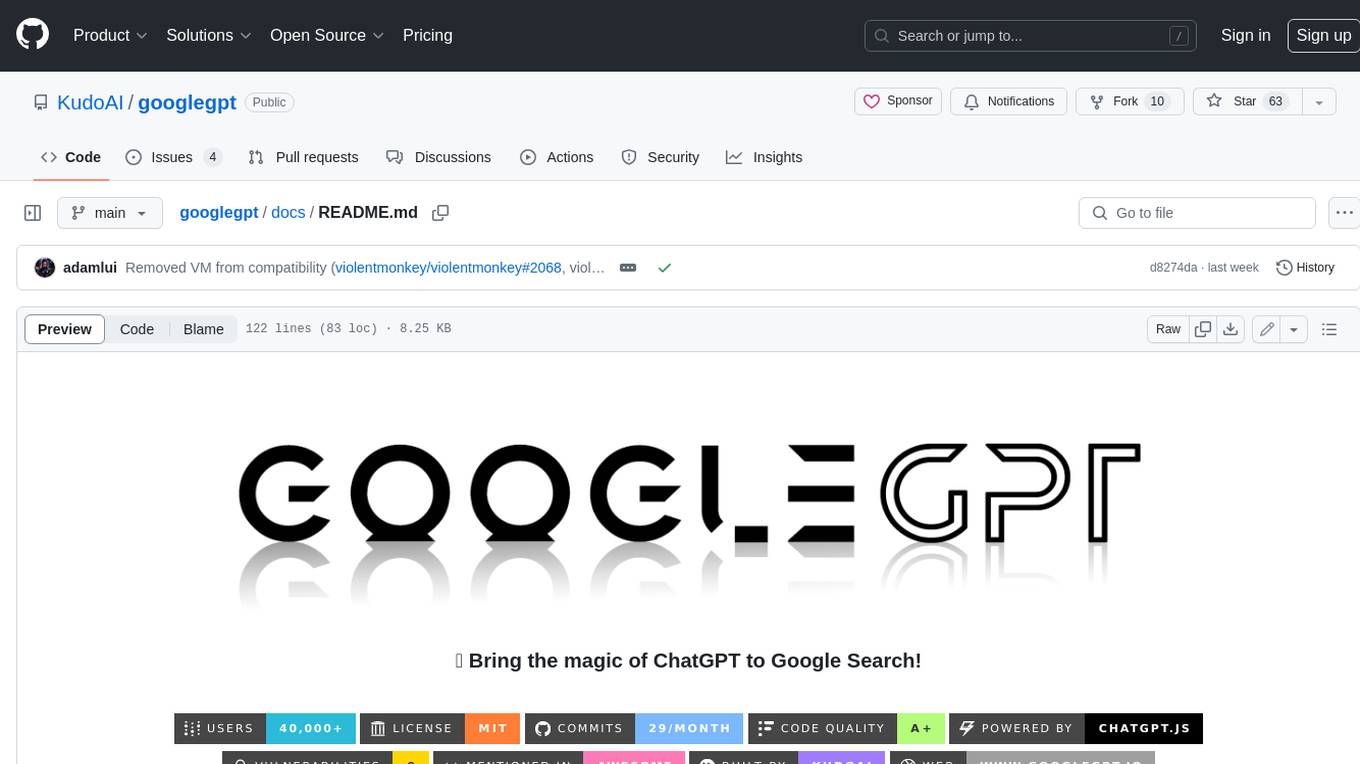
googlegpt
GoogleGPT is a browser extension that brings the power of ChatGPT to Google Search. With GoogleGPT, you can ask ChatGPT questions and get answers directly in your search results. You can also use GoogleGPT to generate text, translate languages, and more. GoogleGPT is compatible with all major browsers, including Chrome, Firefox, Edge, and Safari.
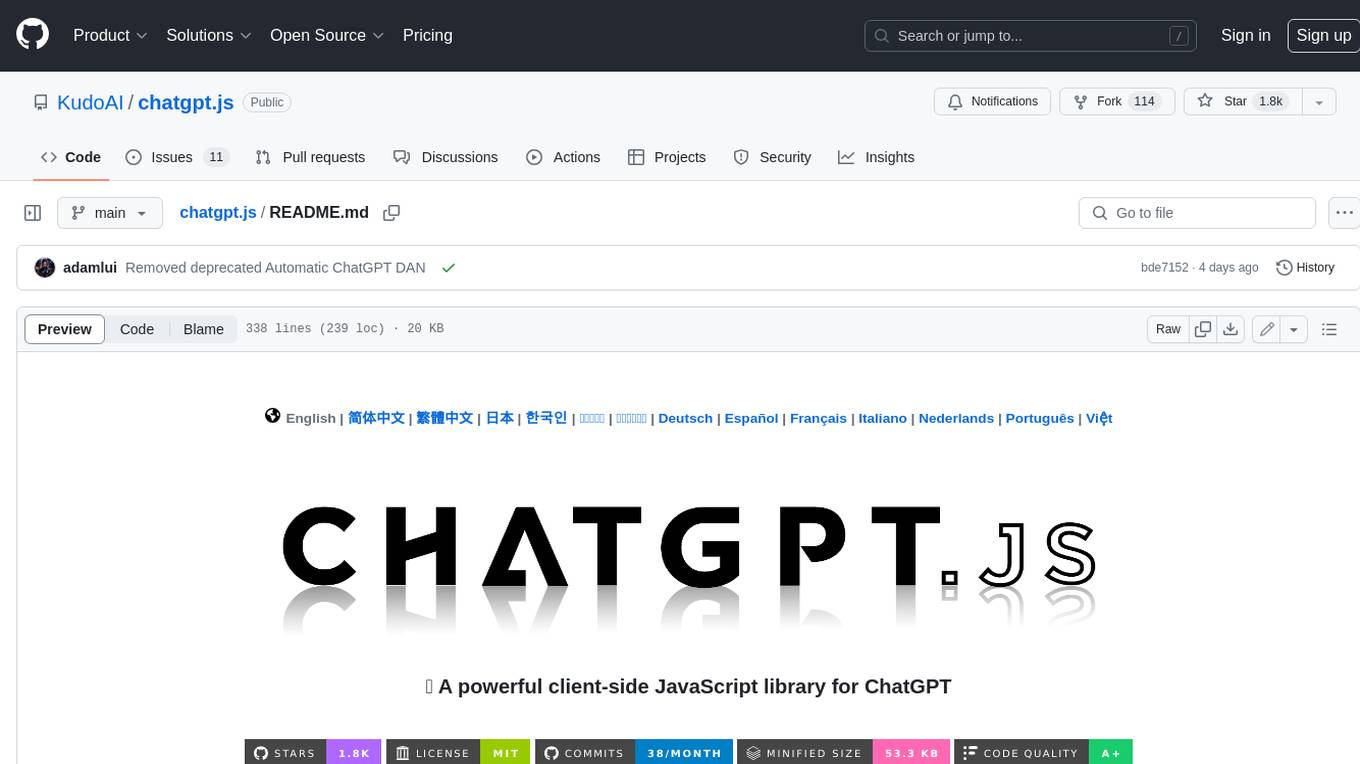
chatgpt.js
chatgpt.js is a powerful JavaScript library that allows for super easy interaction w/ the ChatGPT DOM. * Feature-rich * Object-oriented * Easy-to-use * Lightweight (yet optimally performant)
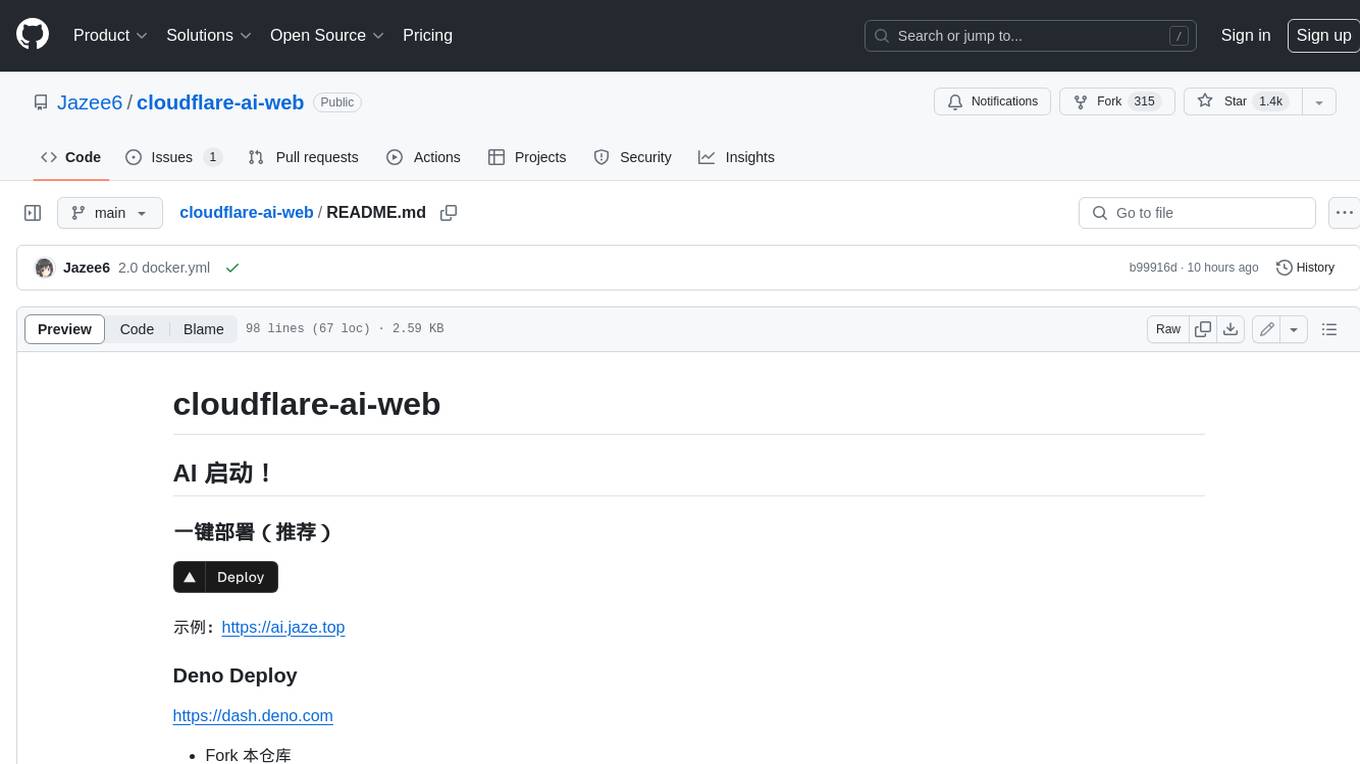
cloudflare-ai-web
Cloudflare-ai-web is a lightweight and easy-to-use tool that allows you to quickly deploy a multi-modal AI platform using Cloudflare Workers AI. It supports serverless deployment, password protection, and local storage of chat logs. With a size of only ~638 kB gzip, it is a great option for building AI-powered applications without the need for a dedicated server.
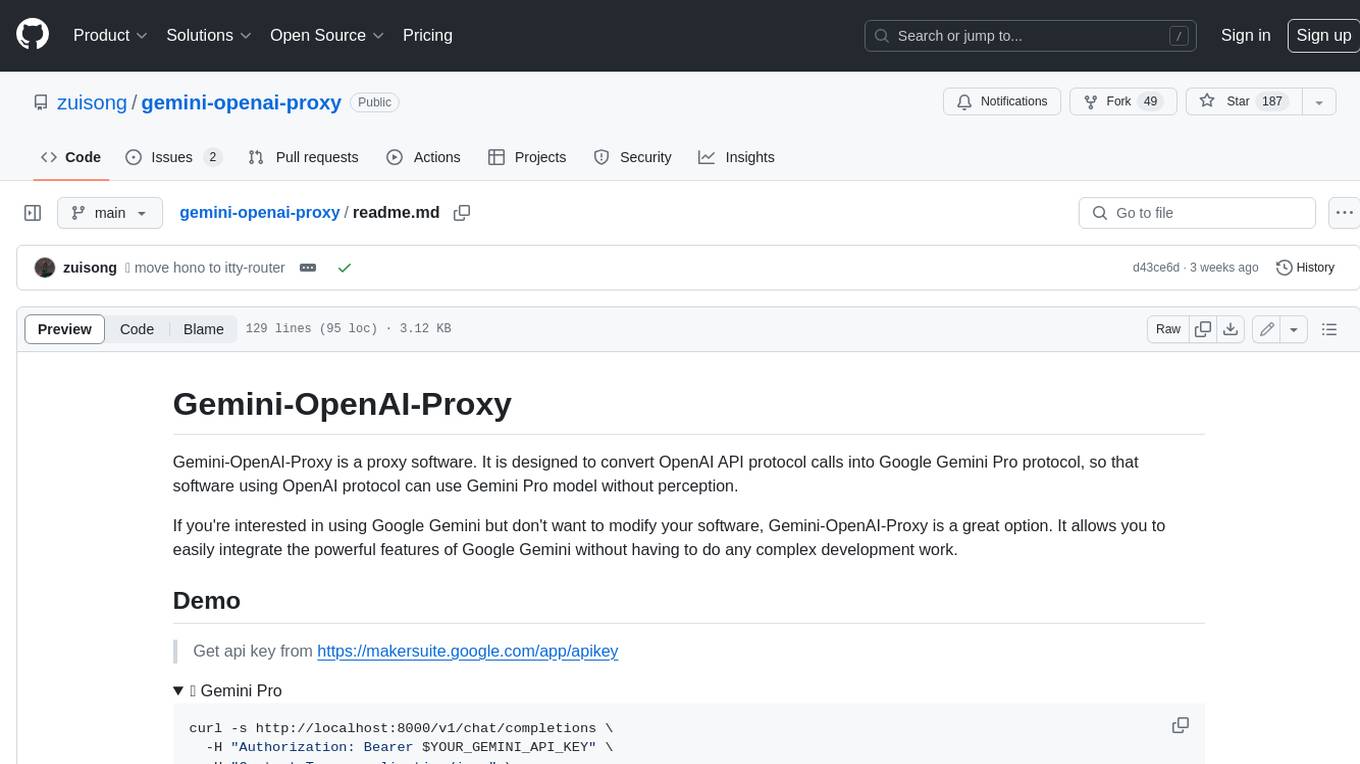
gemini-openai-proxy
Gemini-OpenAI-Proxy is a proxy software designed to convert OpenAI API protocol calls into Google Gemini Pro protocol, allowing software using OpenAI protocol to utilize Gemini Pro models seamlessly. It provides an easy integration of Gemini Pro's powerful features without the need for complex development work.
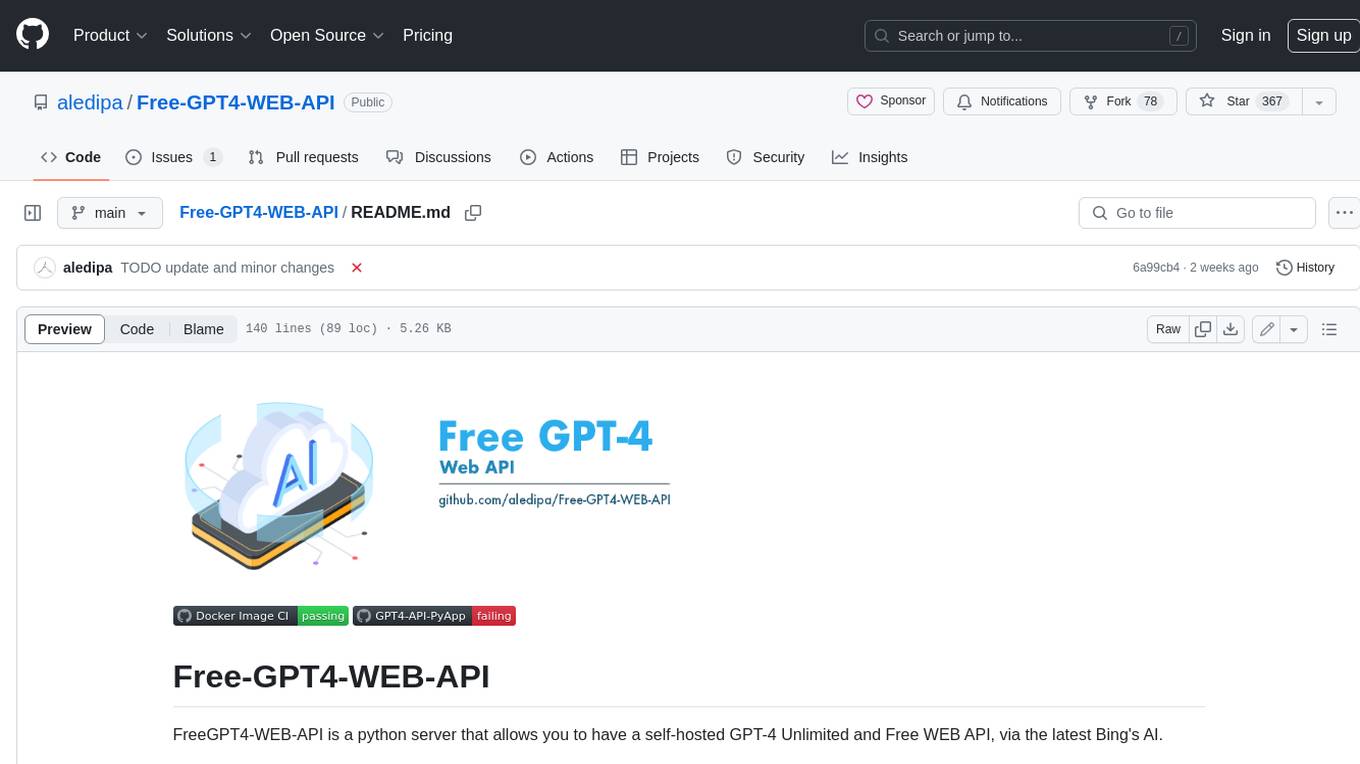
Free-GPT4-WEB-API
FreeGPT4-WEB-API is a Python server that allows you to have a self-hosted GPT-4 Unlimited and Free WEB API, via the latest Bing's AI. It uses Flask and GPT4Free libraries. GPT4Free provides an interface to the Bing's GPT-4. The server can be configured by editing the `FreeGPT4_Server.py` file. You can change the server's port, host, and other settings. The only cookie needed for the Bing model is `_U`.
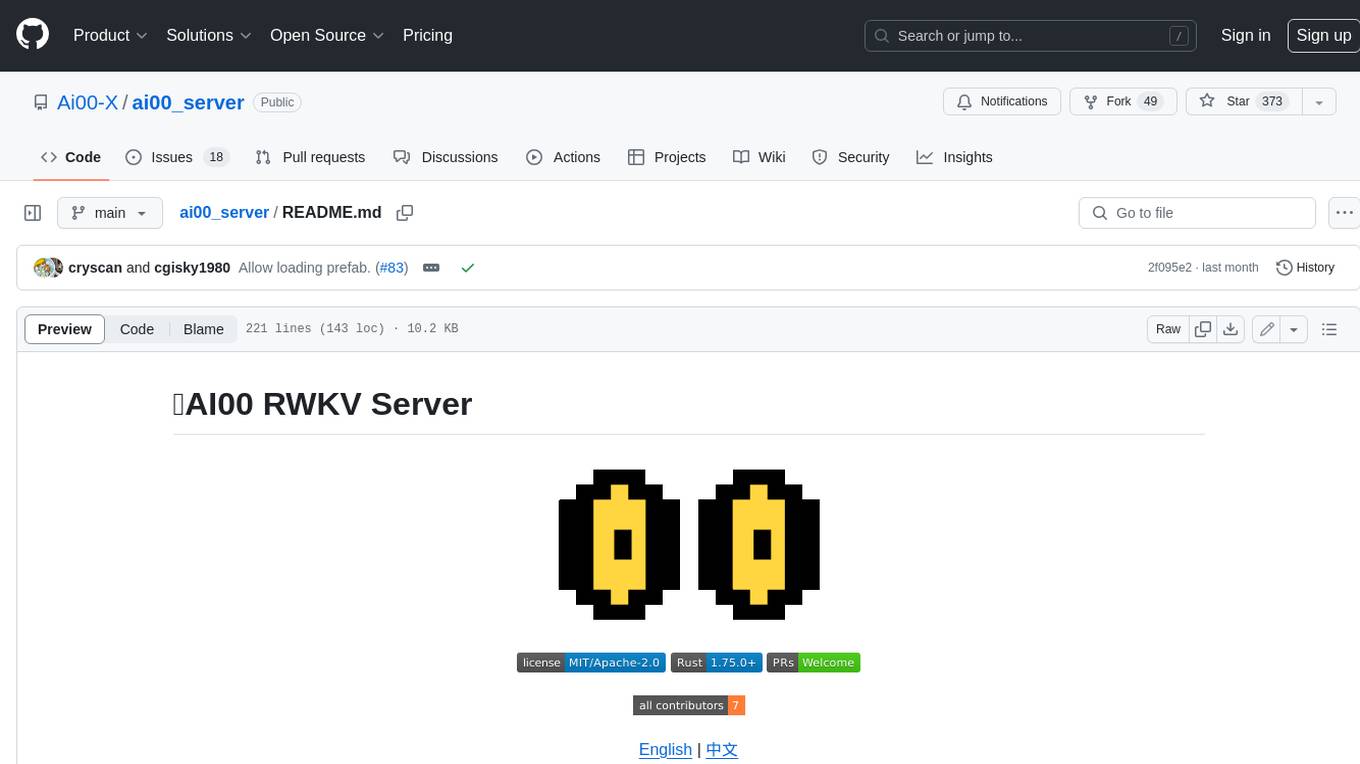
ai00_server
AI00 RWKV Server is an inference API server for the RWKV language model based upon the web-rwkv inference engine. It supports VULKAN parallel and concurrent batched inference and can run on all GPUs that support VULKAN. No need for Nvidia cards!!! AMD cards and even integrated graphics can be accelerated!!! No need for bulky pytorch, CUDA and other runtime environments, it's compact and ready to use out of the box! Compatible with OpenAI's ChatGPT API interface. 100% open source and commercially usable, under the MIT license. If you are looking for a fast, efficient, and easy-to-use LLM API server, then AI00 RWKV Server is your best choice. It can be used for various tasks, including chatbots, text generation, translation, and Q&A.
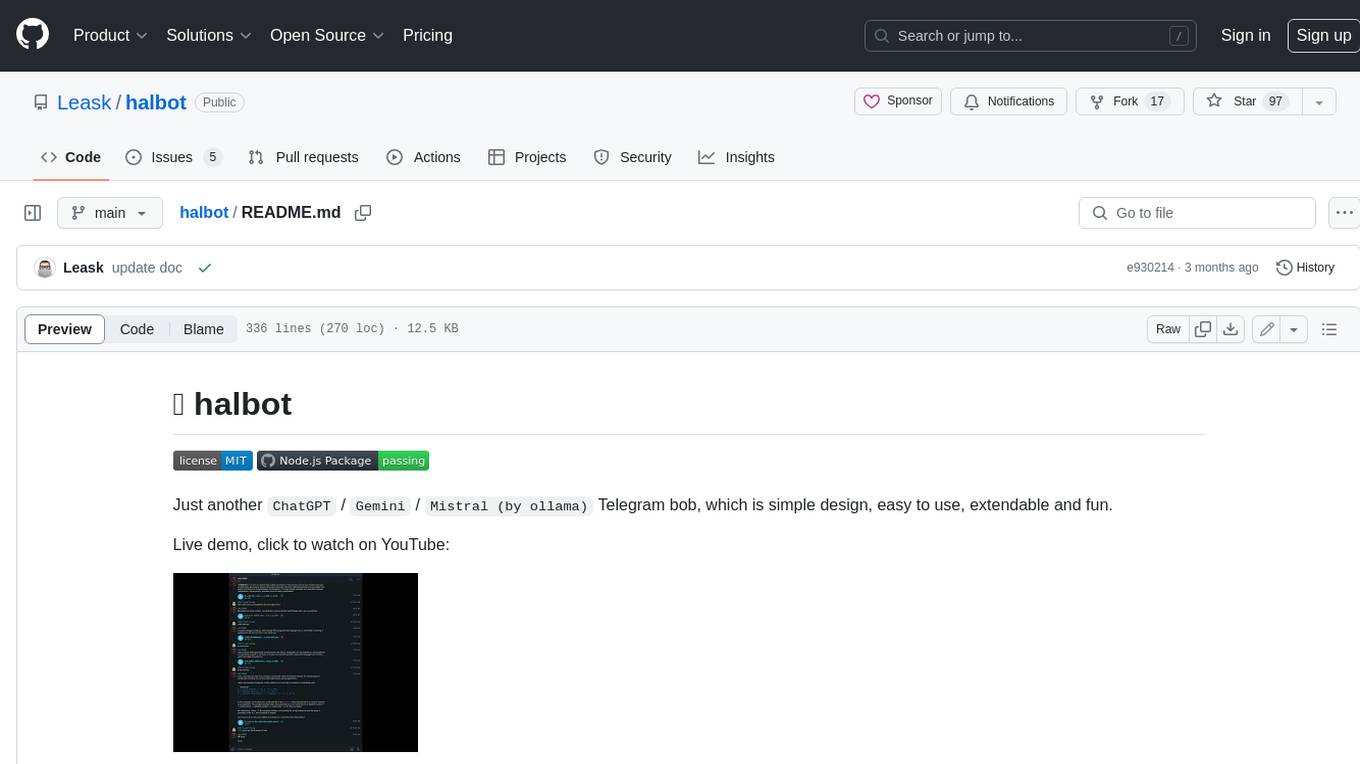
halbot
halbot is a Telegram bot that uses ChatGPT, Gemini, Mistral, and other AI engines to provide a variety of services, including text generation, translation, summarization, and question answering. It is easy to use and extend, and it can be integrated into your own projects. halbot is open source and free to use.
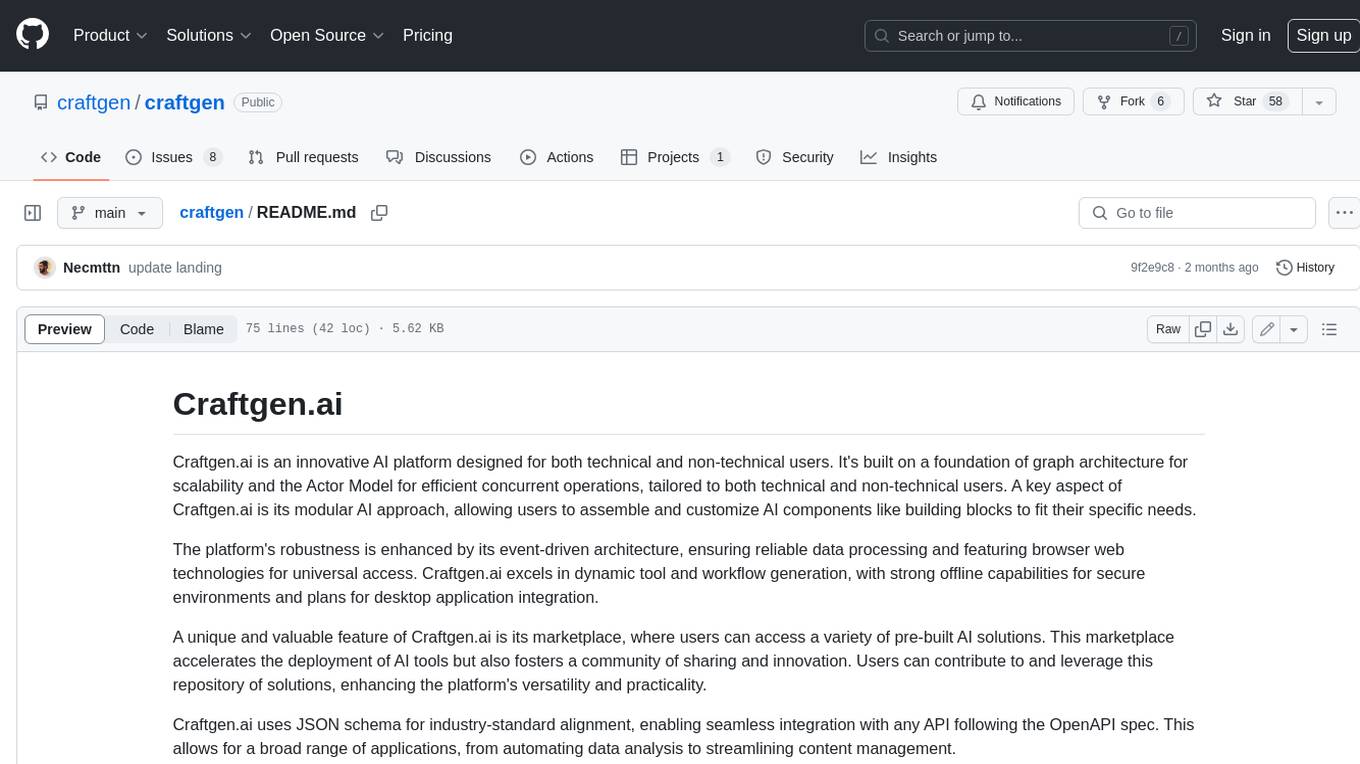
craftgen
Craftgen.ai is an innovative AI platform designed for both technical and non-technical users. It's built on a foundation of graph architecture for scalability and the Actor Model for efficient concurrent operations, tailored to both technical and non-technical users. A key aspect of Craftgen.ai is its modular AI approach, allowing users to assemble and customize AI components like building blocks to fit their specific needs. The platform's robustness is enhanced by its event-driven architecture, ensuring reliable data processing and featuring browser web technologies for universal access. Craftgen.ai excels in dynamic tool and workflow generation, with strong offline capabilities for secure environments and plans for desktop application integration. A unique and valuable feature of Craftgen.ai is its marketplace, where users can access a variety of pre-built AI solutions. This marketplace accelerates the deployment of AI tools but also fosters a community of sharing and innovation. Users can contribute to and leverage this repository of solutions, enhancing the platform's versatility and practicality. Craftgen.ai uses JSON schema for industry-standard alignment, enabling seamless integration with any API following the OpenAPI spec. This allows for a broad range of applications, from automating data analysis to streamlining content management. The platform is designed to bridge the gap between advanced AI technology and practical usability. It's a flexible, secure, and intuitive platform that empowers users, from developers seeking to create custom AI solutions to businesses looking to automate routine tasks. Craftgen.ai's goal is to make AI technology an integral, seamless part of everyday problem-solving and innovation, providing a platform where modular AI and a thriving marketplace converge to meet the diverse needs of its users.
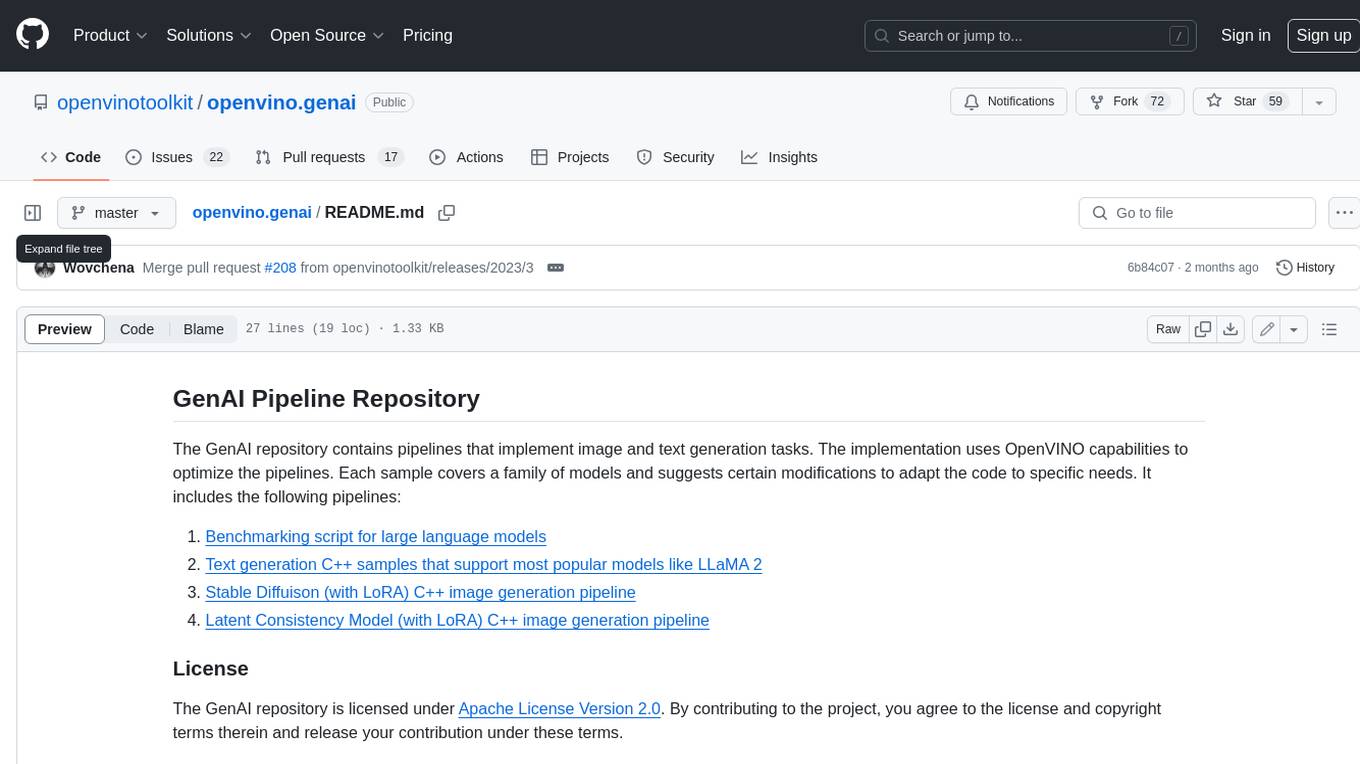
openvino.genai
The GenAI repository contains pipelines that implement image and text generation tasks. The implementation uses OpenVINO capabilities to optimize the pipelines. Each sample covers a family of models and suggests certain modifications to adapt the code to specific needs. It includes the following pipelines: 1. Benchmarking script for large language models 2. Text generation C++ samples that support most popular models like LLaMA 2 3. Stable Diffuison (with LoRA) C++ image generation pipeline 4. Latent Consistency Model (with LoRA) C++ image generation pipeline
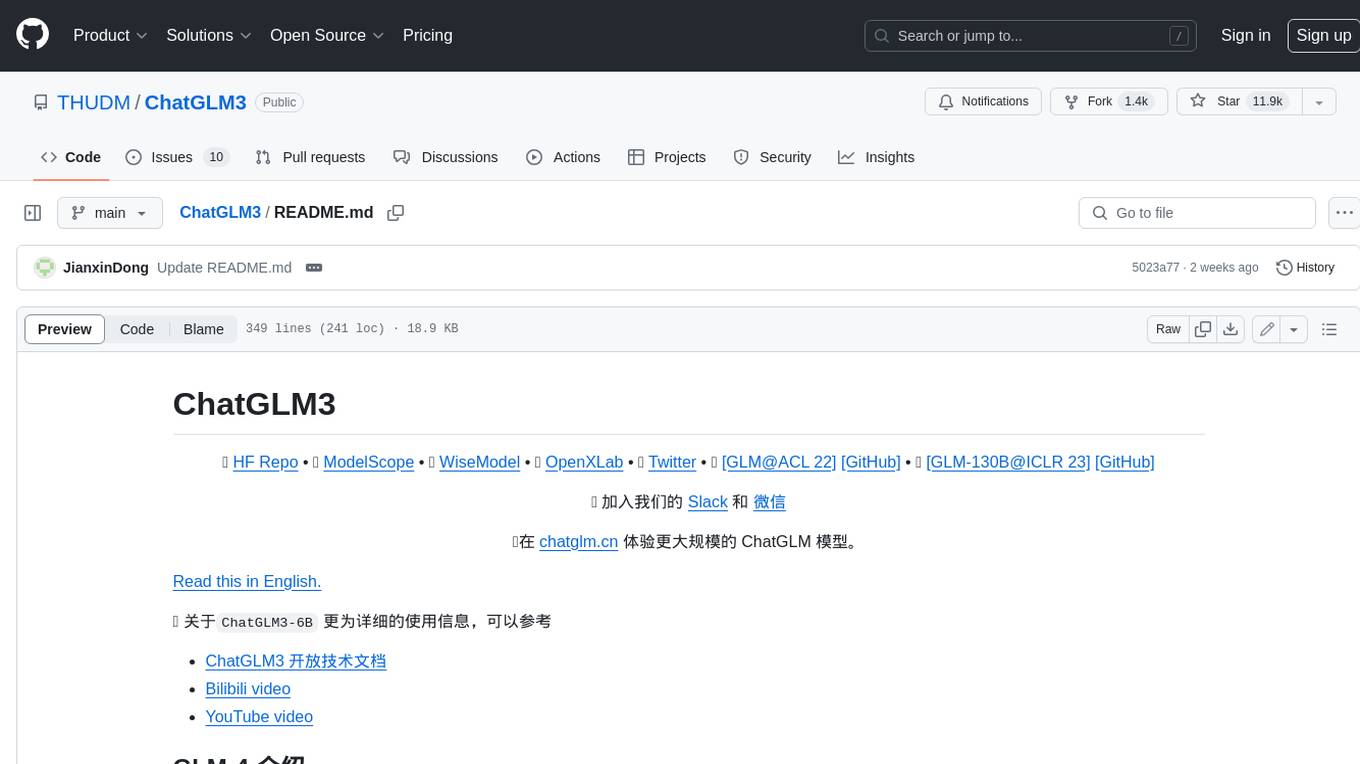
ChatGLM3
ChatGLM3 is a conversational pretrained model jointly released by Zhipu AI and THU's KEG Lab. ChatGLM3-6B is the open-sourced model in the ChatGLM3 series. It inherits the advantages of its predecessors, such as fluent conversation and low deployment threshold. In addition, ChatGLM3-6B introduces the following features: 1. A stronger foundation model: ChatGLM3-6B's foundation model ChatGLM3-6B-Base employs more diverse training data, more sufficient training steps, and more reasonable training strategies. Evaluation on datasets from different perspectives, such as semantics, mathematics, reasoning, code, and knowledge, shows that ChatGLM3-6B-Base has the strongest performance among foundation models below 10B parameters. 2. More complete functional support: ChatGLM3-6B adopts a newly designed prompt format, which supports not only normal multi-turn dialogue, but also complex scenarios such as tool invocation (Function Call), code execution (Code Interpreter), and Agent tasks. 3. A more comprehensive open-source sequence: In addition to the dialogue model ChatGLM3-6B, the foundation model ChatGLM3-6B-Base, the long-text dialogue model ChatGLM3-6B-32K, and ChatGLM3-6B-128K, which further enhances the long-text comprehension ability, are also open-sourced. All the above weights are completely open to academic research and are also allowed for free commercial use after filling out a questionnaire.
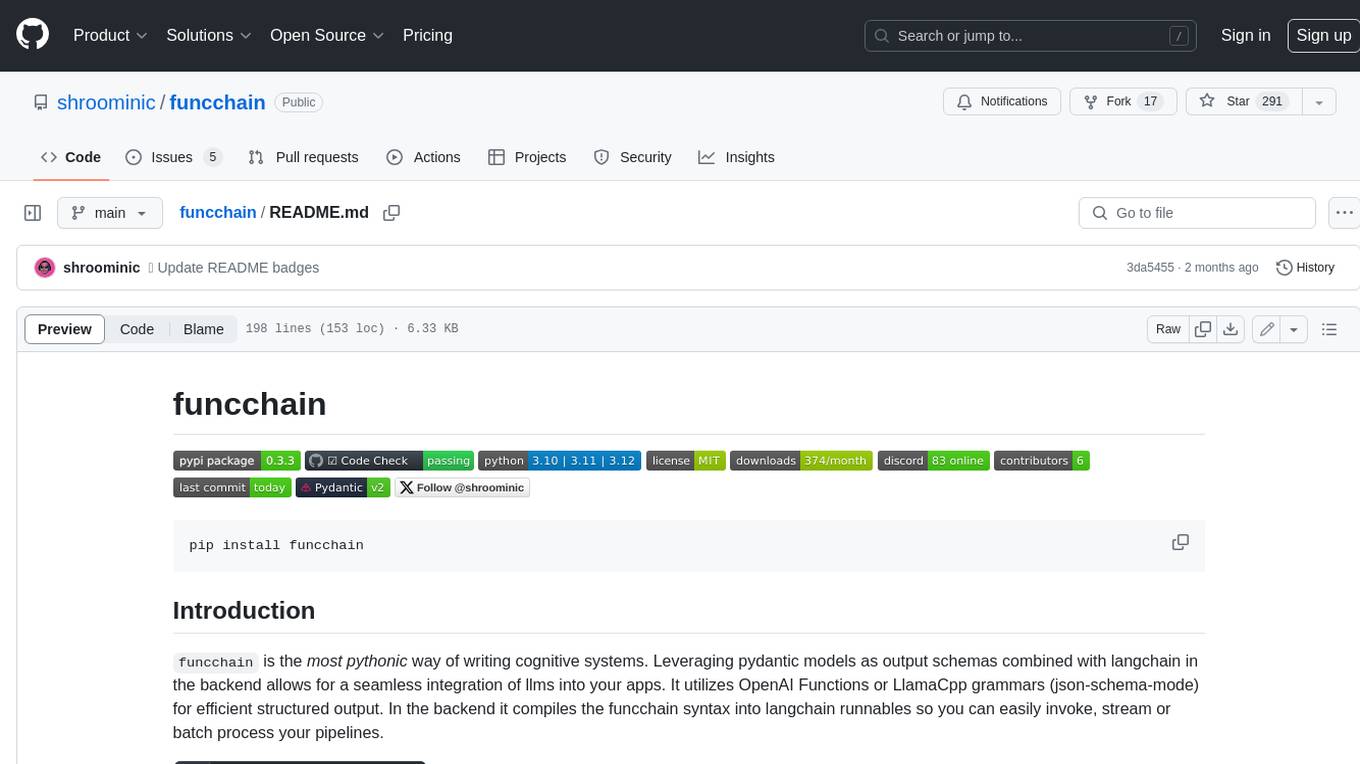
funcchain
Funcchain is a Python library that allows you to easily write cognitive systems by leveraging Pydantic models as output schemas and LangChain in the backend. It provides a seamless integration of LLMs into your apps, utilizing OpenAI Functions or LlamaCpp grammars (json-schema-mode) for efficient structured output. Funcchain compiles the Funcchain syntax into LangChain runnables, enabling you to invoke, stream, or batch process your pipelines effortlessly.
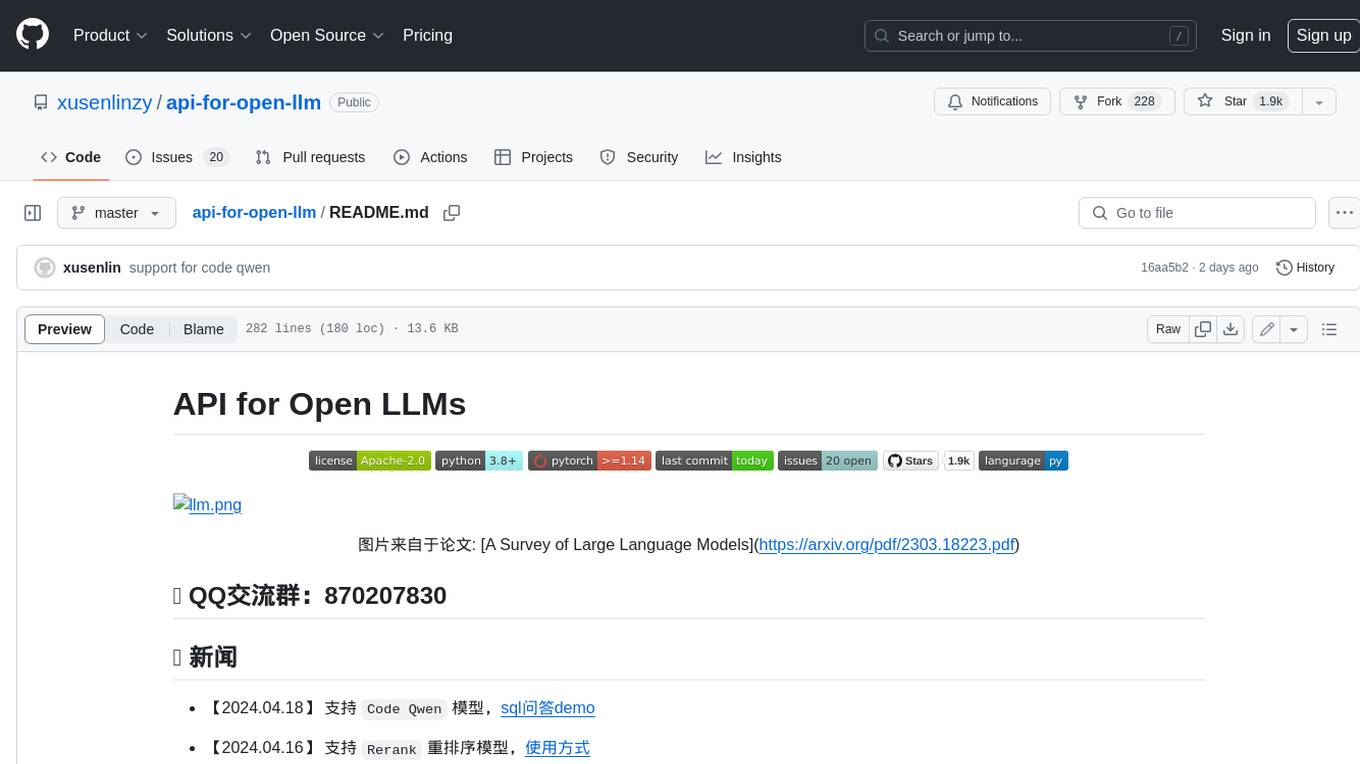
api-for-open-llm
This project provides a unified backend interface for open large language models (LLMs), offering a consistent experience with OpenAI's ChatGPT API. It supports various open-source LLMs, enabling developers to seamlessly integrate them into their applications. The interface features streaming responses, text embedding capabilities, and support for LangChain, a tool for developing LLM-based applications. By modifying environment variables, developers can easily use open-source models as alternatives to ChatGPT, providing a cost-effective and customizable solution for various use cases.
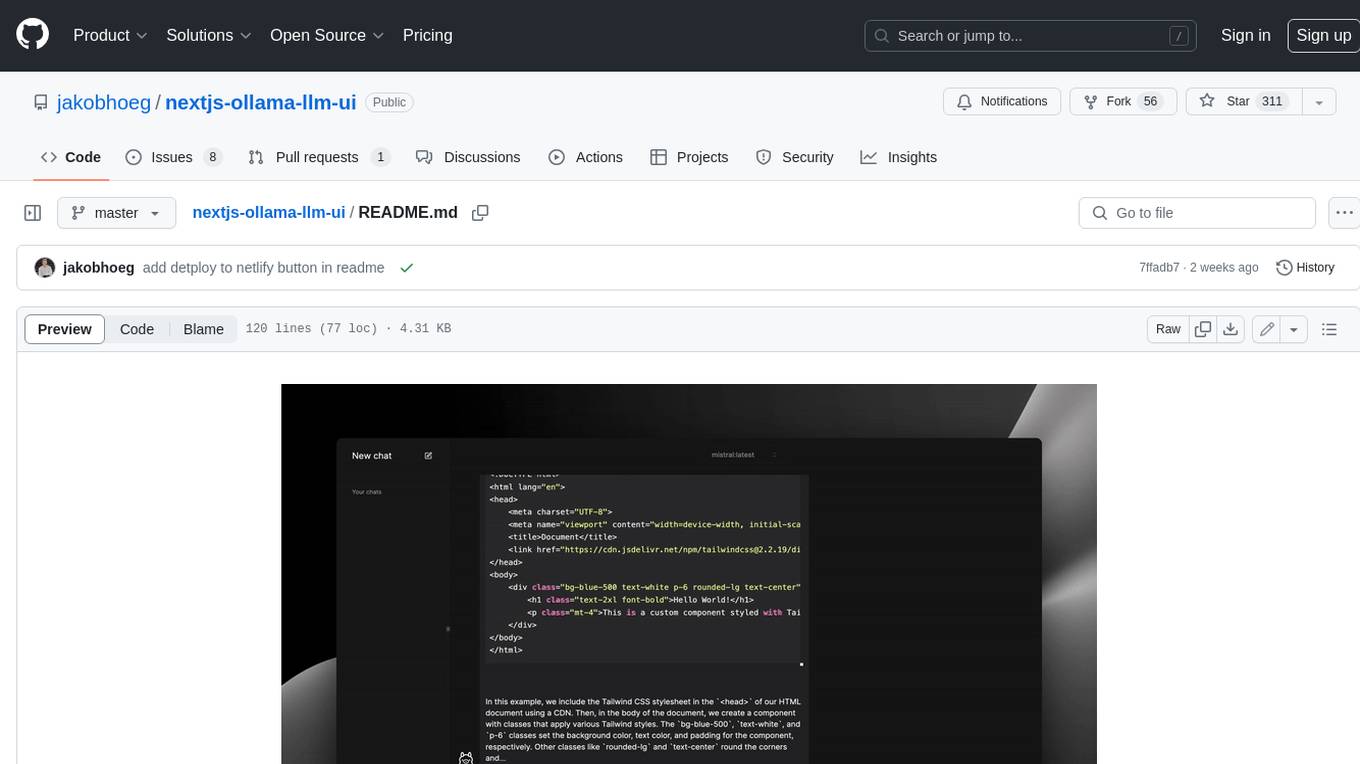
nextjs-ollama-llm-ui
This web interface provides a user-friendly and feature-rich platform for interacting with Ollama Large Language Models (LLMs). It offers a beautiful and intuitive UI inspired by ChatGPT, making it easy for users to get started with LLMs. The interface is fully local, storing chats in local storage for convenience, and fully responsive, allowing users to chat on their phones with the same ease as on a desktop. It features easy setup, code syntax highlighting, and the ability to easily copy codeblocks. Users can also download, pull, and delete models directly from the interface, and switch between models quickly. Chat history is saved and easily accessible, and users can choose between light and dark mode. To use the web interface, users must have Ollama downloaded and running, and Node.js (18+) and npm installed. Installation instructions are provided for running the interface locally. Upcoming features include the ability to send images in prompts, regenerate responses, import and export chats, and add voice input support.
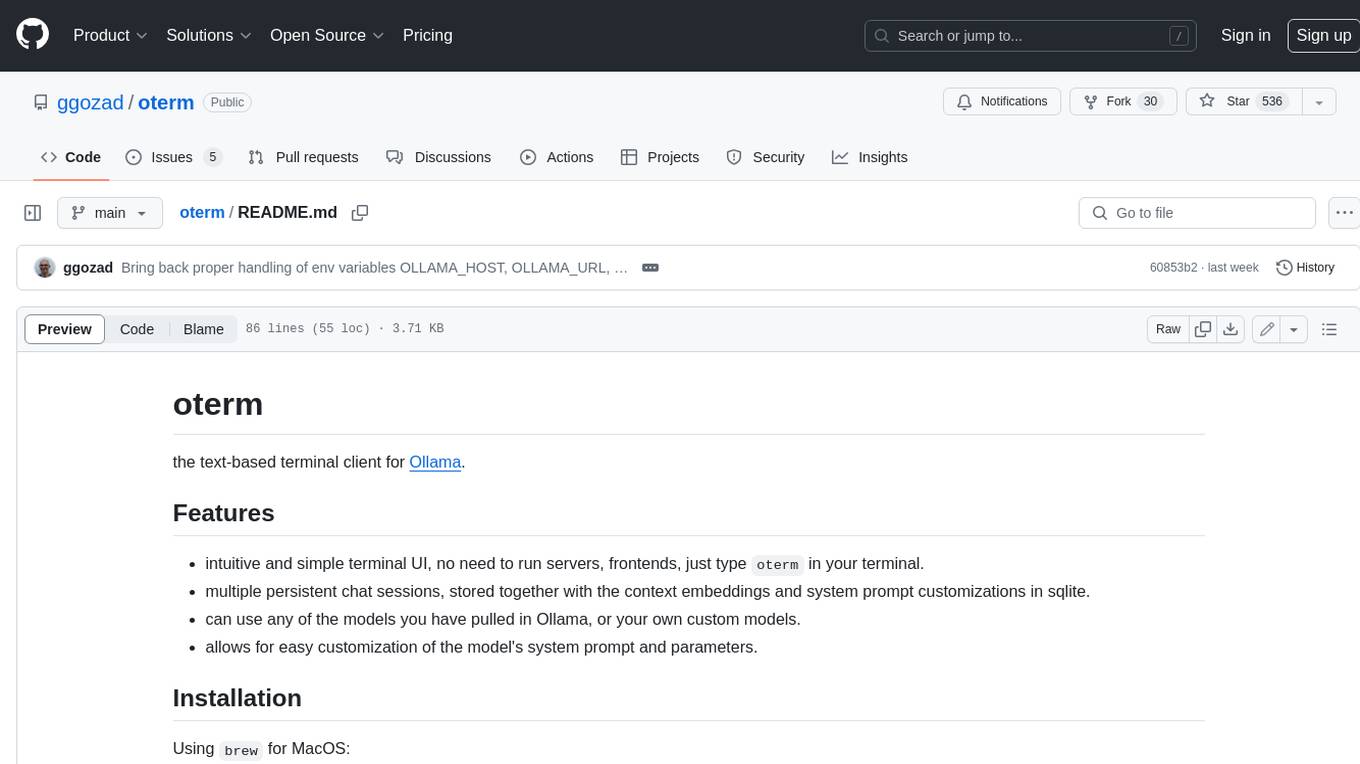
oterm
Oterm is a text-based terminal client for Ollama, a large language model. It provides an intuitive and simple terminal UI, allowing users to interact with Ollama without running servers or frontends. Oterm supports multiple persistent chat sessions, which are stored along with context embeddings and system prompt customizations in a SQLite database. Users can easily customize the model's system prompt and parameters, and select from any of the models they have pulled in Ollama or their own custom models. Oterm also supports keyboard shortcuts for creating new chat sessions, editing existing sessions, renaming sessions, exporting sessions as markdown, deleting sessions, toggling between dark and light themes, quitting the application, switching to multiline input mode, selecting images to include with messages, and navigating through the history of previous prompts. Oterm is licensed under the MIT License.
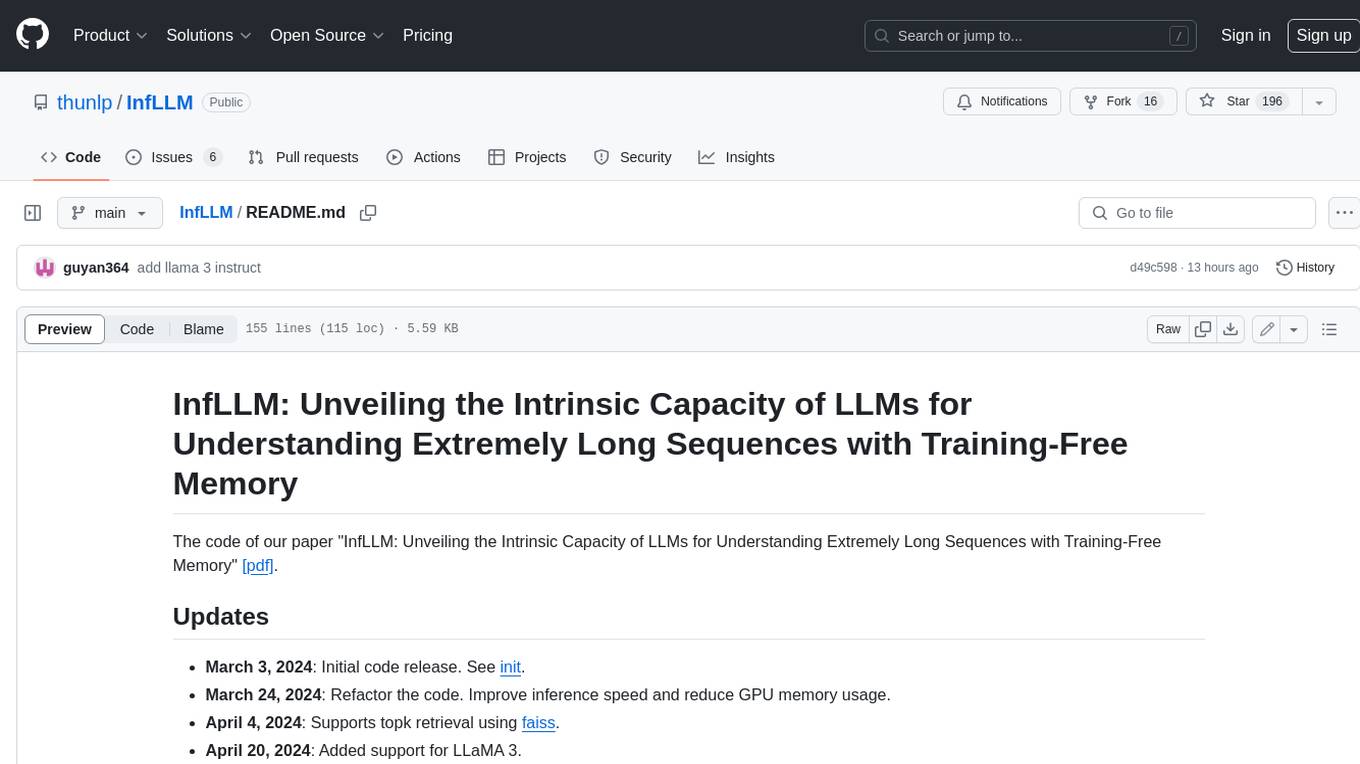
InfLLM
InfLLM is a training-free memory-based method that unveils the intrinsic ability of LLMs to process streaming long sequences. It stores distant contexts into additional memory units and employs an efficient mechanism to lookup token-relevant units for attention computation. Thereby, InfLLM allows LLMs to efficiently process long sequences while maintaining the ability to capture long-distance dependencies. Without any training, InfLLM enables LLMs pre-trained on sequences of a few thousand tokens to achieve superior performance than competitive baselines continually training these LLMs on long sequences. Even when the sequence length is scaled to 1, 024K, InfLLM still effectively captures long-distance dependencies.

sailor-llm
Sailor is a suite of open language models tailored for South-East Asia (SEA), focusing on languages such as Indonesian, Thai, Vietnamese, Malay, and Lao. Developed with careful data curation, Sailor models are designed to understand and generate text across diverse linguistic landscapes of the SEA region. Built from Qwen 1.5, Sailor encompasses models of varying sizes, spanning from 0.5B to 7B versions for different requirements. Benchmarking results demonstrate Sailor's proficiency in tasks such as question answering, commonsense reasoning, reading comprehension, and more in SEA languages.
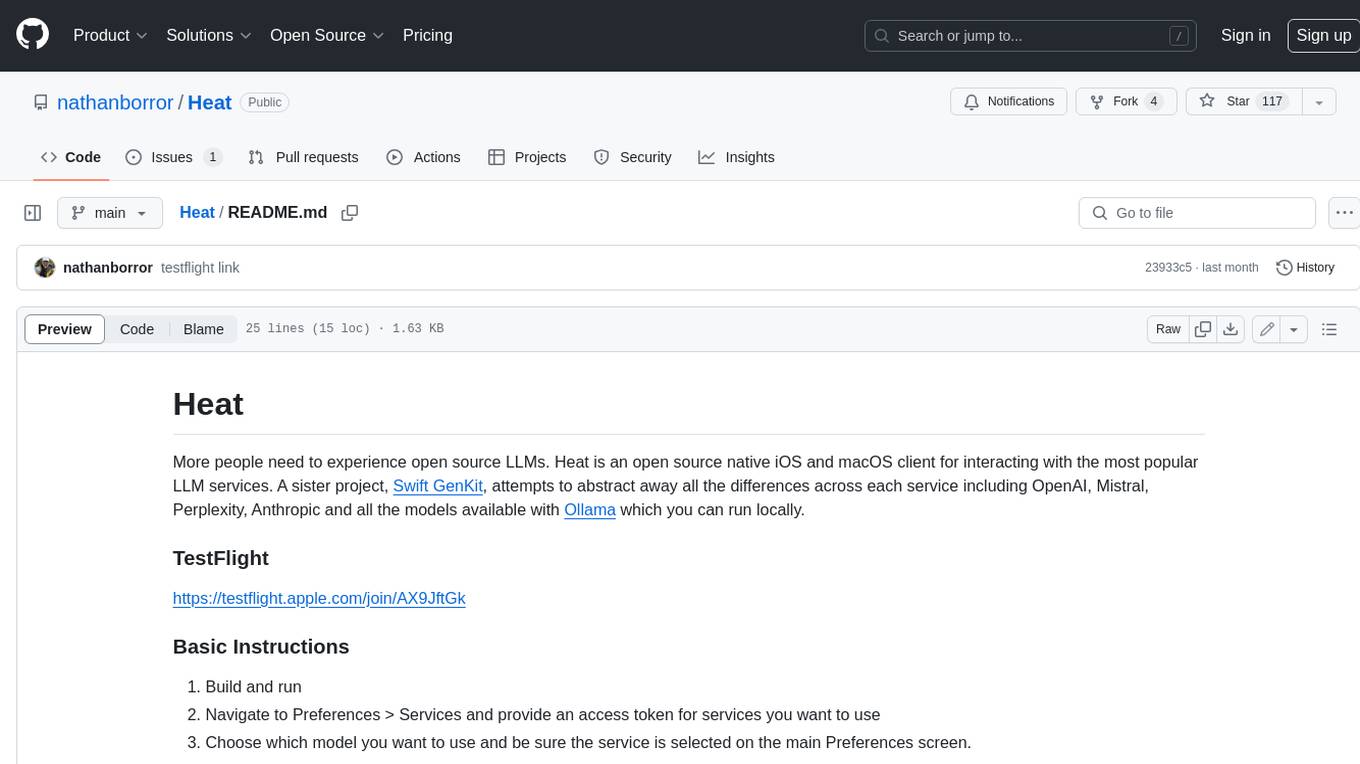
Heat
Heat is an open source native iOS and macOS client for interacting with the most popular LLM services. A sister project, Swift GenKit, attempts to abstract away all the differences across each service including OpenAI, Mistral, Perplexity, Anthropic and all the models available with Ollama which you can run locally.
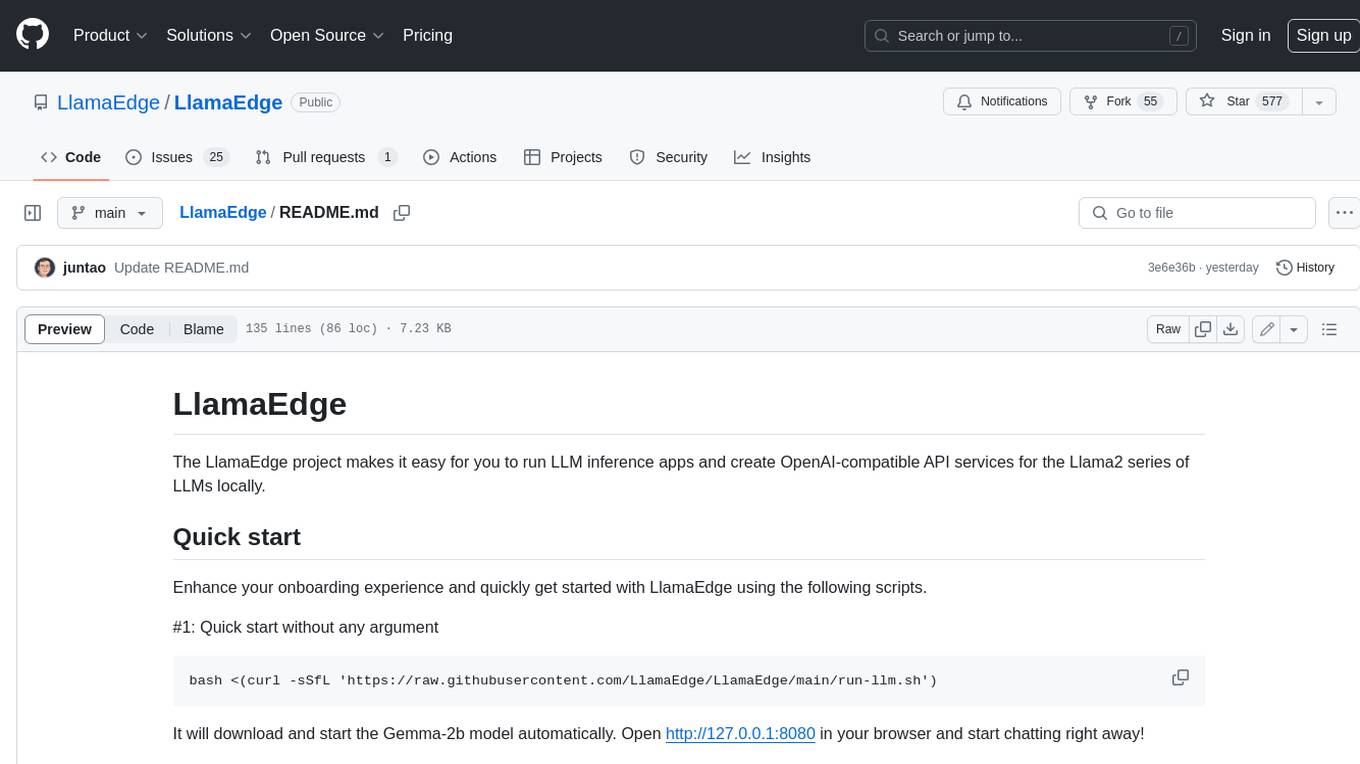
LlamaEdge
The LlamaEdge project makes it easy to run LLM inference apps and create OpenAI-compatible API services for the Llama2 series of LLMs locally. It provides a Rust+Wasm stack for fast, portable, and secure LLM inference on heterogeneous edge devices. The project includes source code for text generation, chatbot, and API server applications, supporting all LLMs based on the llama2 framework in the GGUF format. LlamaEdge is committed to continuously testing and validating new open-source models and offers a list of supported models with download links and startup commands. It is cross-platform, supporting various OSes, CPUs, and GPUs, and provides troubleshooting tips for common errors.
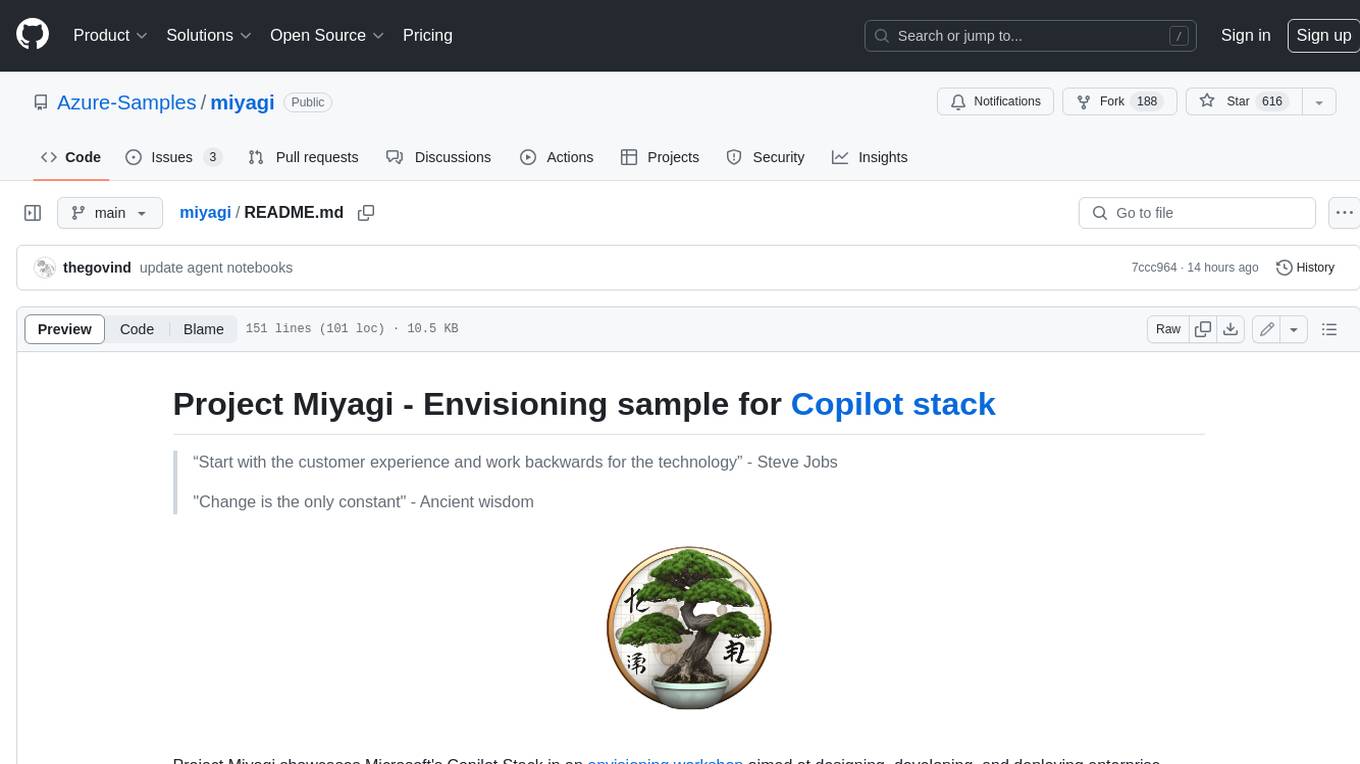
miyagi
Project Miyagi showcases Microsoft's Copilot Stack in an envisioning workshop aimed at designing, developing, and deploying enterprise-grade intelligent apps. By exploring both generative and traditional ML use cases, Miyagi offers an experiential approach to developing AI-infused product experiences that enhance productivity and enable hyper-personalization. Additionally, the workshop introduces traditional software engineers to emerging design patterns in prompt engineering, such as chain-of-thought and retrieval-augmentation, as well as to techniques like vectorization for long-term memory, fine-tuning of OSS models, agent-like orchestration, and plugins or tools for augmenting and grounding LLMs.
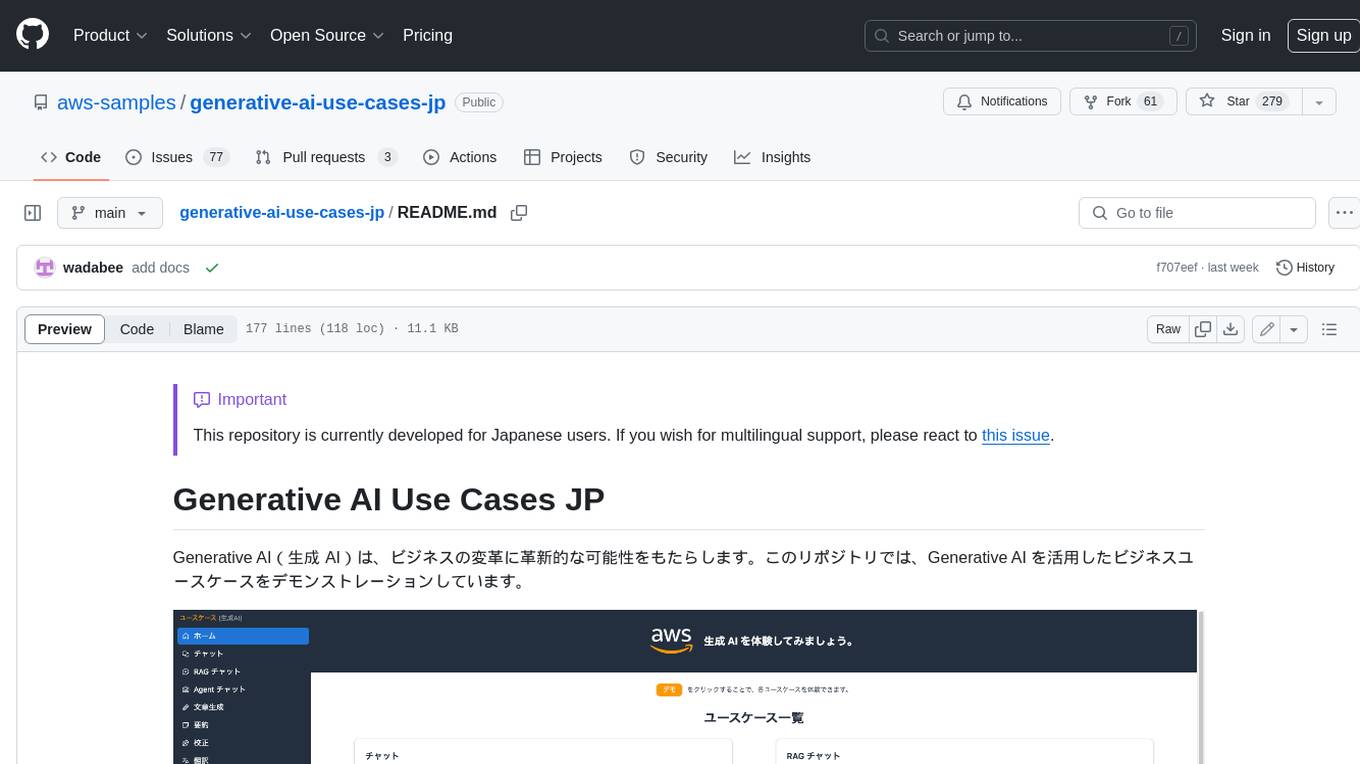
generative-ai-use-cases-jp
Generative AI (生成 AI) brings revolutionary potential to transform businesses. This repository demonstrates business use cases leveraging Generative AI.
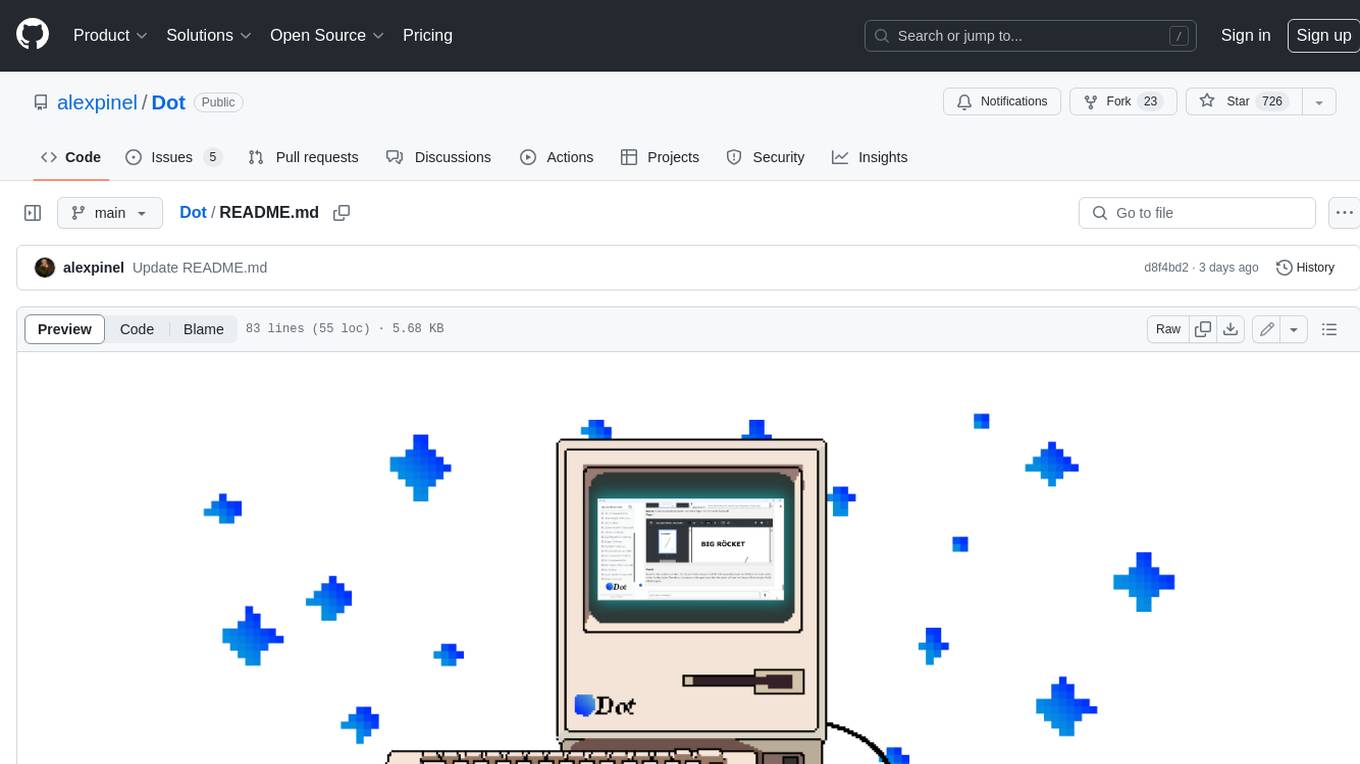
Dot
Dot is a standalone, open-source application designed for seamless interaction with documents and files using local LLMs and Retrieval Augmented Generation (RAG). It is inspired by solutions like Nvidia's Chat with RTX, providing a user-friendly interface for those without a programming background. Pre-packaged with Mistral 7B, Dot ensures accessibility and simplicity right out of the box. Dot allows you to load multiple documents into an LLM and interact with them in a fully local environment. Supported document types include PDF, DOCX, PPTX, XLSX, and Markdown. Users can also engage with Big Dot for inquiries not directly related to their documents, similar to interacting with ChatGPT. Built with Electron JS, Dot encapsulates a comprehensive Python environment that includes all necessary libraries. The application leverages libraries such as FAISS for creating local vector stores, Langchain, llama.cpp & Huggingface for setting up conversation chains, and additional tools for document management and interaction.
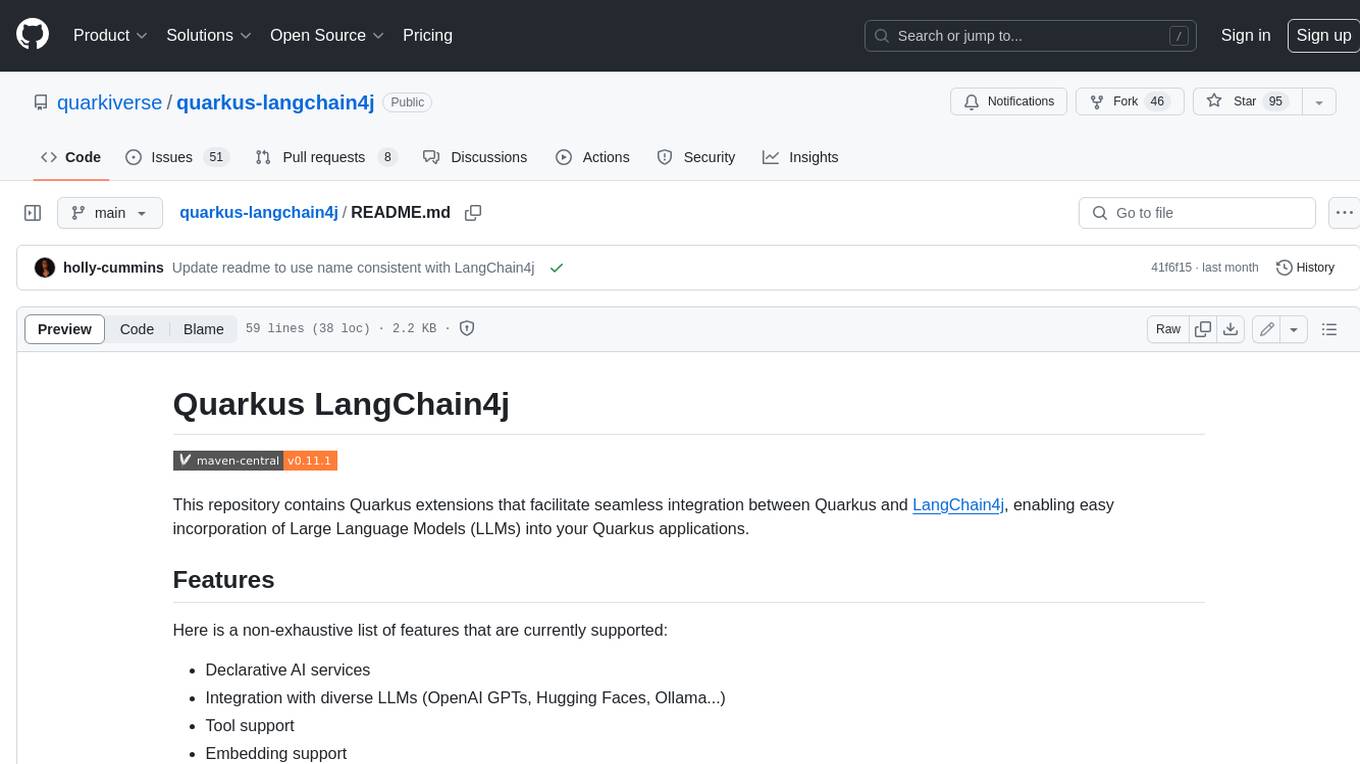
quarkus-langchain4j
This repository contains Quarkus extensions that facilitate seamless integration between Quarkus and LangChain4j, enabling easy incorporation of Large Language Models (LLMs) into your Quarkus applications. Here is a non-exhaustive list of features that are currently supported: Declarative AI services, Integration with diverse LLMs (OpenAI GPTs, Hugging Faces, Ollama...), Tool support, Embedding support, Document store integration (Redis, Chroma, Infinispan...), Native compilation support, Integration with Quarkus observability stack (metrics, tracing...).
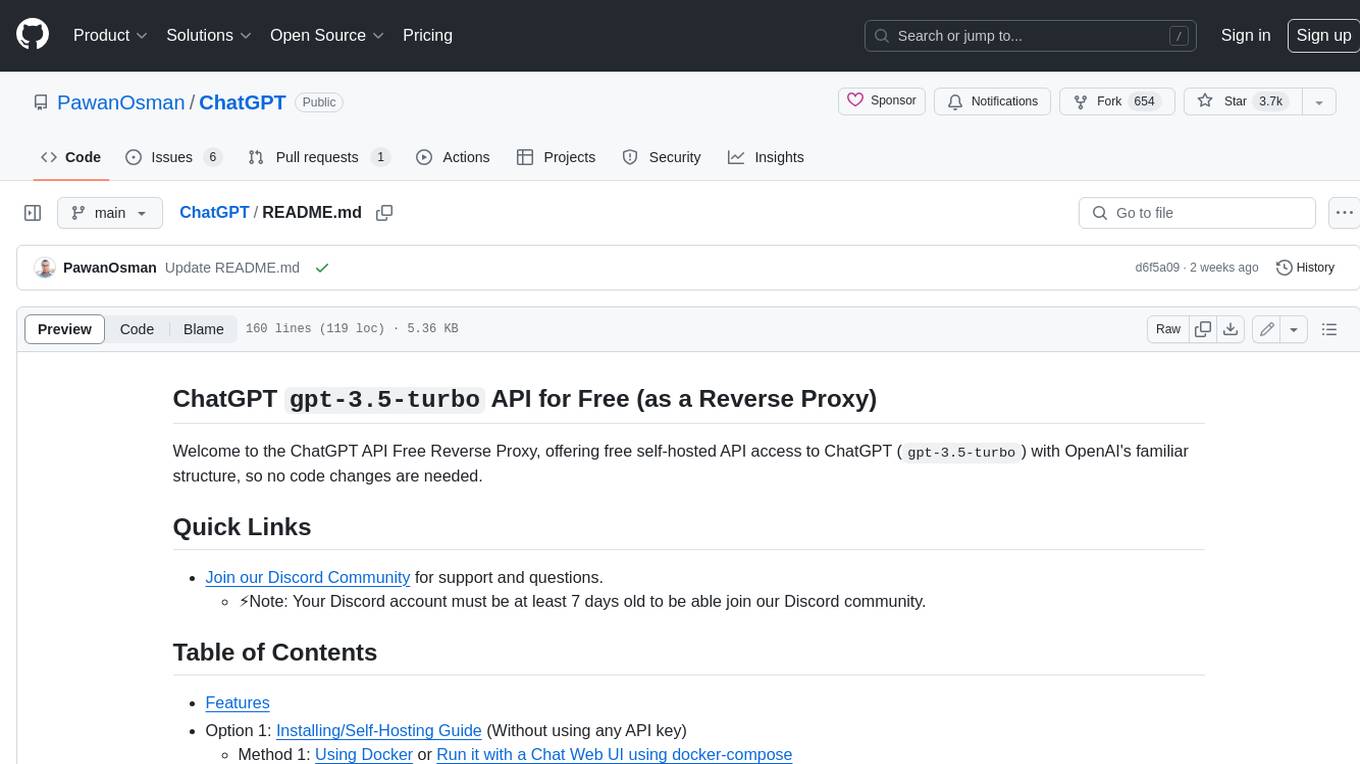
ChatGPT
The ChatGPT API Free Reverse Proxy provides free self-hosted API access to ChatGPT (`gpt-3.5-turbo`) with OpenAI's familiar structure, eliminating the need for code changes. It offers streaming response, API endpoint compatibility, and complimentary access without an API key. Installation options include Docker, PC/Server, and Termux on Android devices. The API can be accessed through a self-hosted local server or a pre-hosted API with an API key obtained from the Discord server. Usage examples are provided for Python and Node.js, and the project is licensed under AGPL-3.0.
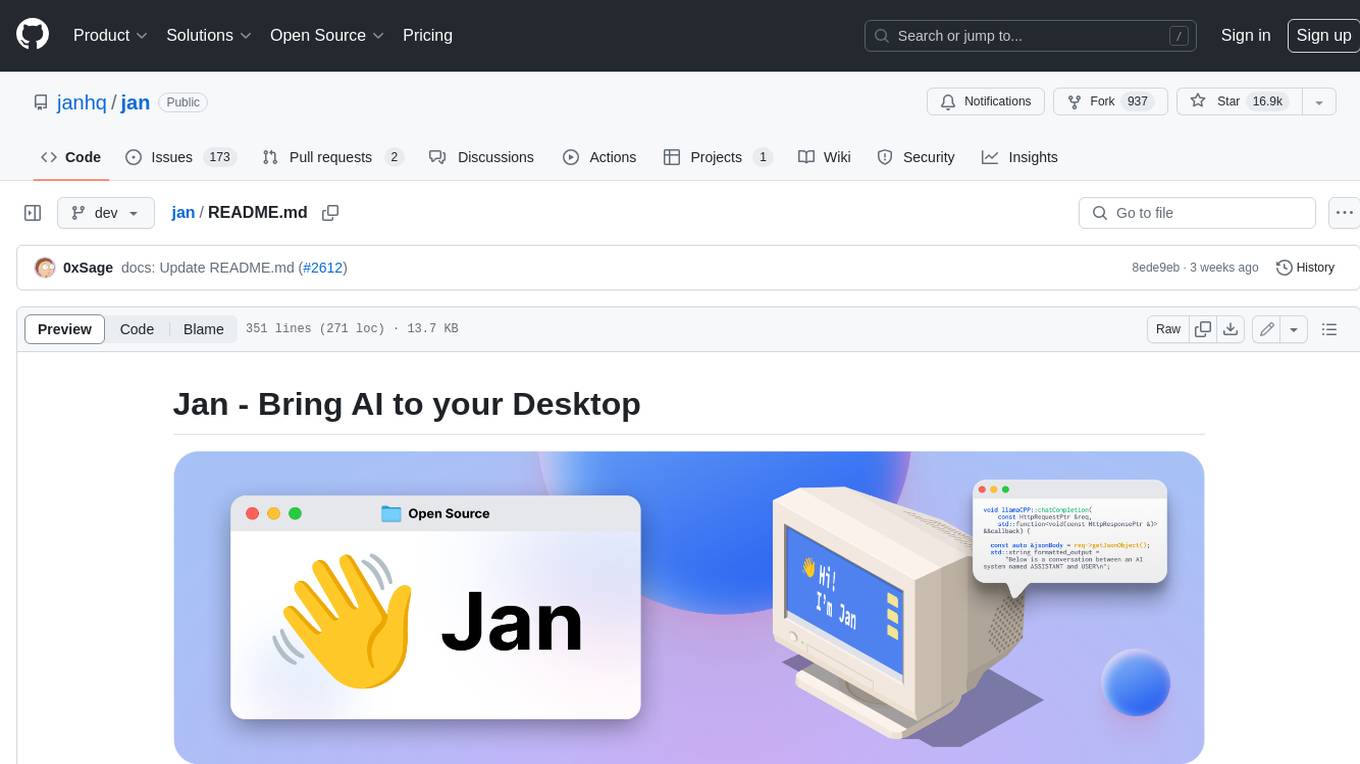
jan
Jan is an open-source ChatGPT alternative that runs 100% offline on your computer. It supports universal architectures, including Nvidia GPUs, Apple M-series, Apple Intel, Linux Debian, and Windows x64. Jan is currently in development, so expect breaking changes and bugs. It is lightweight and embeddable, and can be used on its own within your own projects.
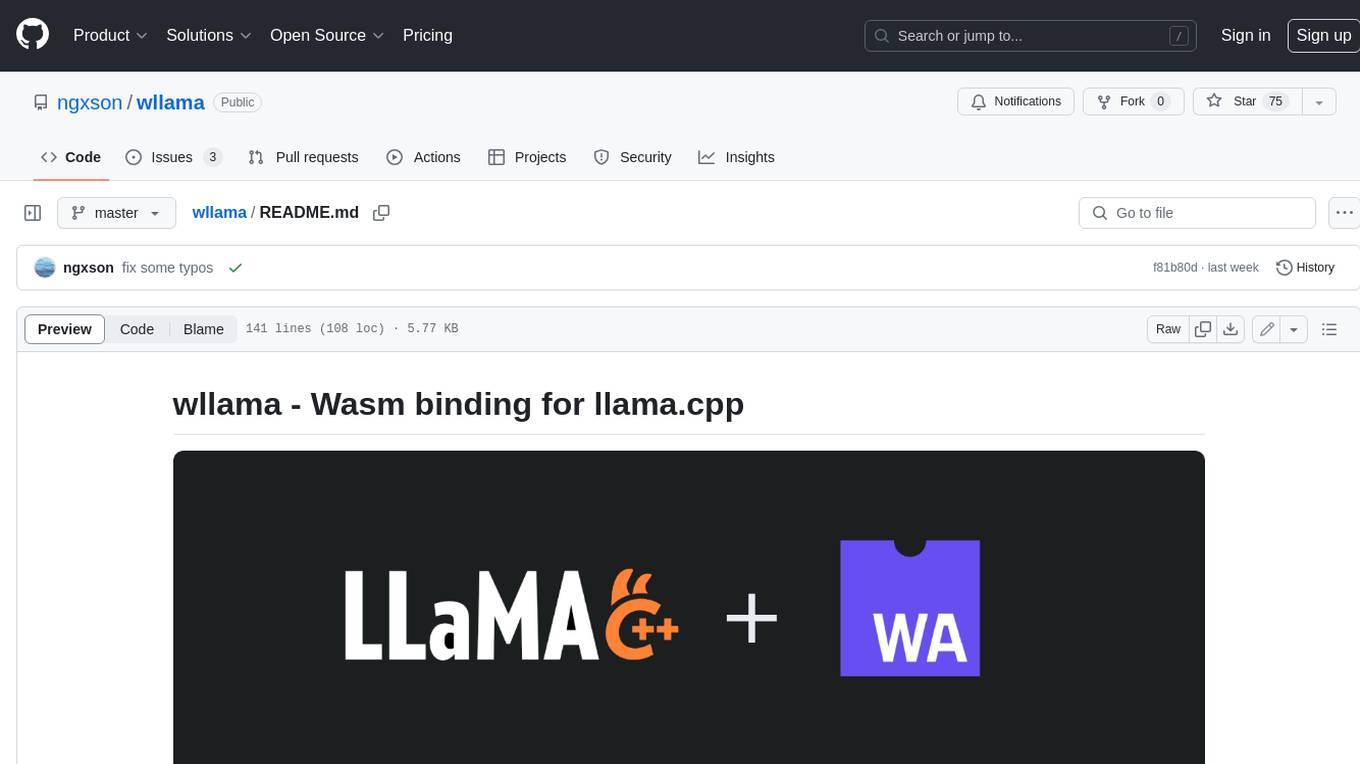
wllama
Wllama is a WebAssembly binding for llama.cpp, a high-performance and lightweight language model library. It enables you to run inference directly on the browser without the need for a backend or GPU. Wllama provides both high-level and low-level APIs, allowing you to perform various tasks such as completions, embeddings, tokenization, and more. It also supports model splitting, enabling you to load large models in parallel for faster download. With its Typescript support and pre-built npm package, Wllama is easy to integrate into your React Typescript projects.
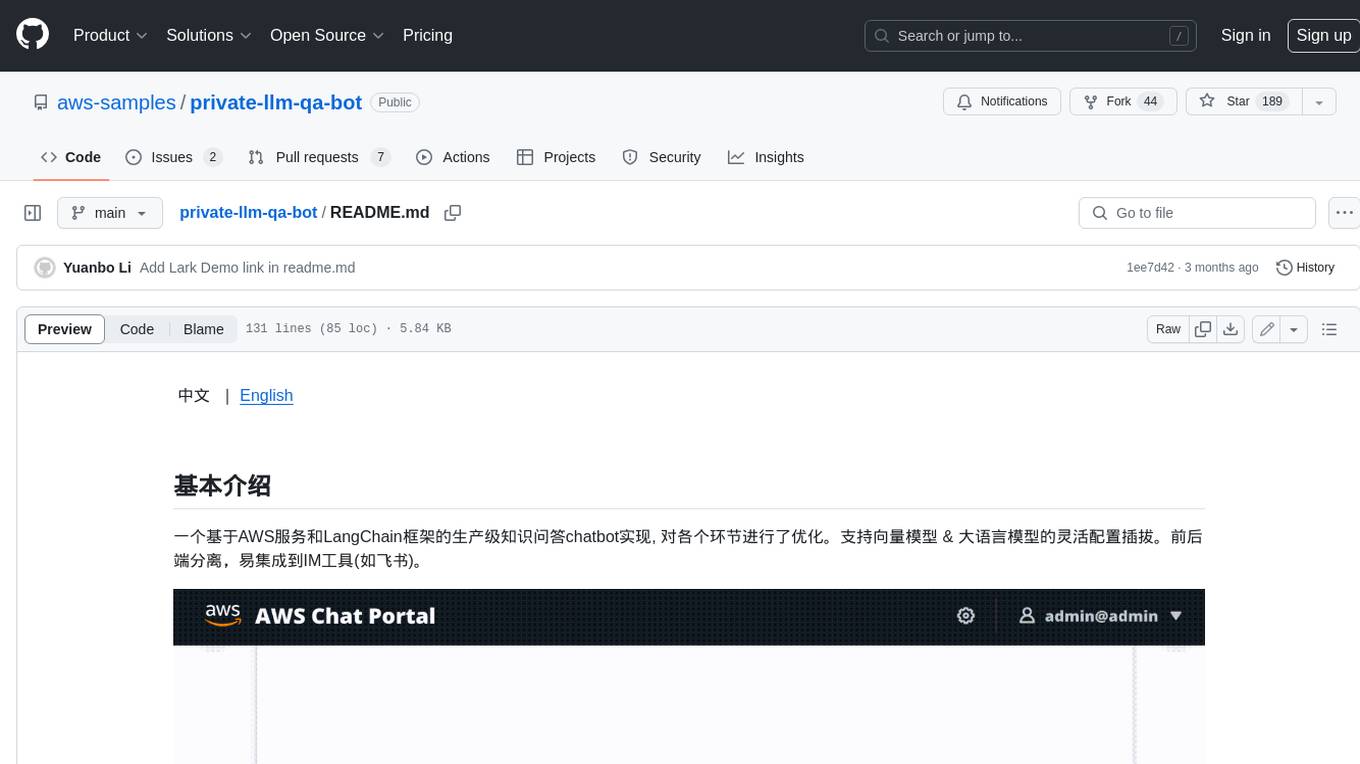
private-llm-qa-bot
This is a production-grade knowledge Q&A chatbot implementation based on AWS services and the LangChain framework, with optimizations at various stages. It supports flexible configuration and plugging of vector models and large language models. The front and back ends are separated, making it easy to integrate with IM tools (such as Feishu).
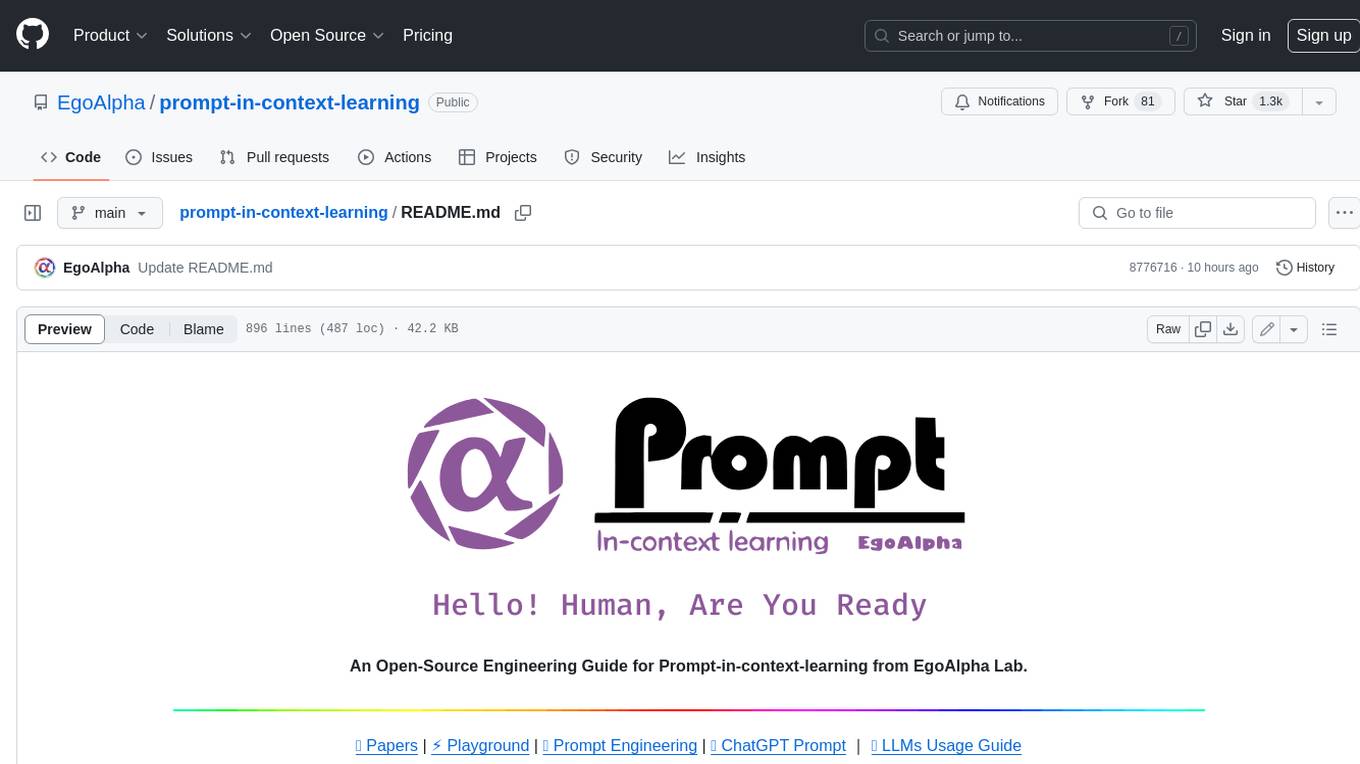
prompt-in-context-learning
An Open-Source Engineering Guide for Prompt-in-context-learning from EgoAlpha Lab. 📝 Papers | ⚡️ Playground | 🛠 Prompt Engineering | 🌍 ChatGPT Prompt | ⛳ LLMs Usage Guide > **⭐️ Shining ⭐️:** This is fresh, daily-updated resources for in-context learning and prompt engineering. As Artificial General Intelligence (AGI) is approaching, let’s take action and become a super learner so as to position ourselves at the forefront of this exciting era and strive for personal and professional greatness. The resources include: _🎉Papers🎉_: The latest papers about _In-Context Learning_ , _Prompt Engineering_ , _Agent_ , and _Foundation Models_. _🎉Playground🎉_: Large language models(LLMs)that enable prompt experimentation. _🎉Prompt Engineering🎉_: Prompt techniques for leveraging large language models. _🎉ChatGPT Prompt🎉_: Prompt examples that can be applied in our work and daily lives. _🎉LLMs Usage Guide🎉_: The method for quickly getting started with large language models by using LangChain. In the future, there will likely be two types of people on Earth (perhaps even on Mars, but that's a question for Musk): - Those who enhance their abilities through the use of AIGC; - Those whose jobs are replaced by AI automation. 💎EgoAlpha: Hello! human👤, are you ready?
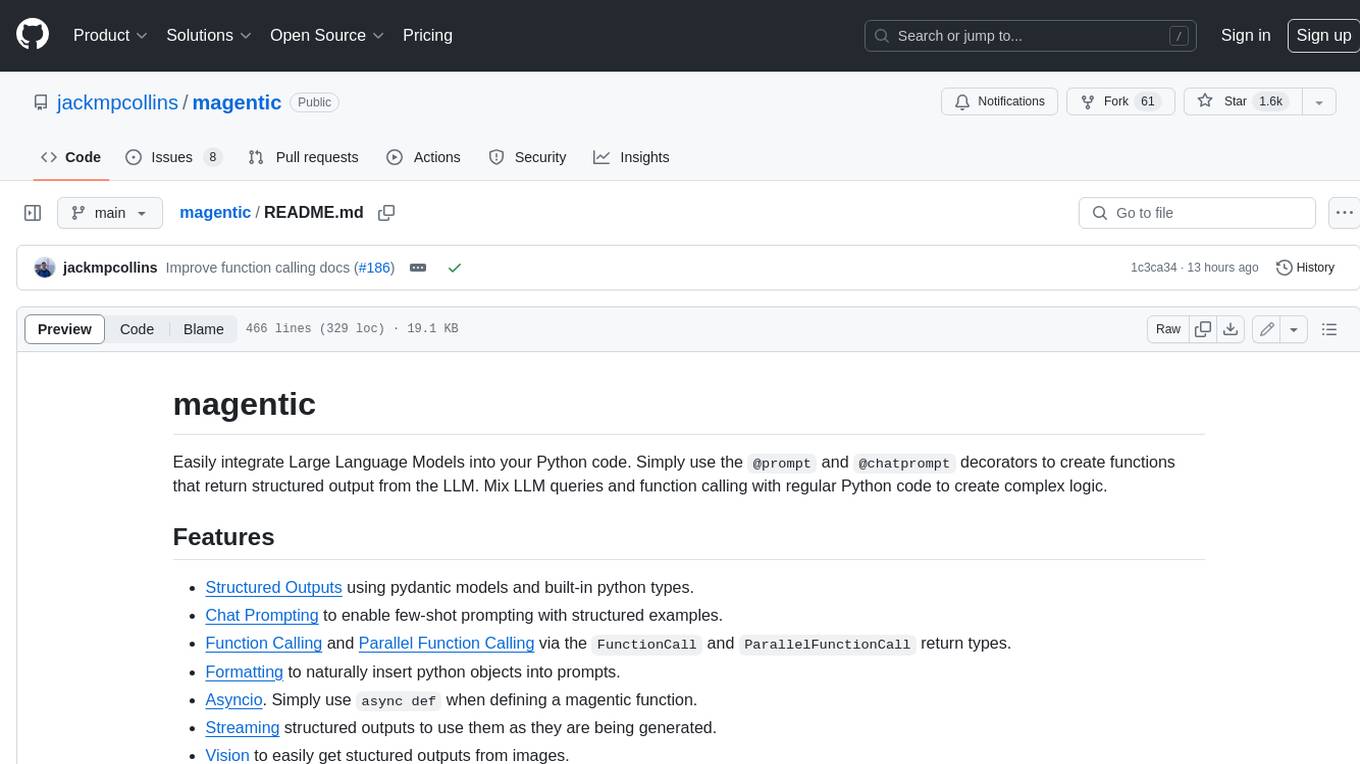
magentic
Easily integrate Large Language Models into your Python code. Simply use the `@prompt` and `@chatprompt` decorators to create functions that return structured output from the LLM. Mix LLM queries and function calling with regular Python code to create complex logic.
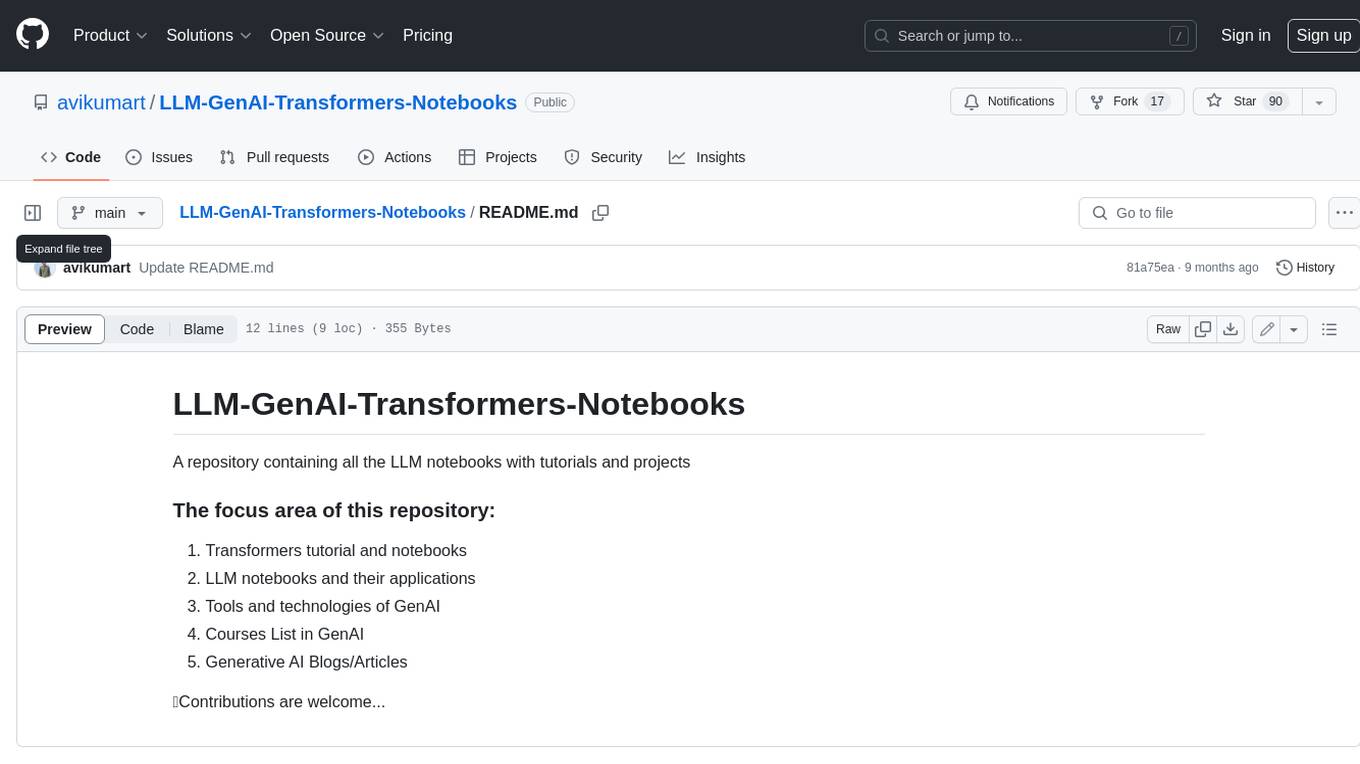
LLM-GenAI-Transformers-Notebooks
This repository is a collection of LLM notebooks with tutorials and projects. It covers topics such as Transformers tutorials, LLM notebooks and their applications, tools and technologies of GenAI, courses in GenAI, and Generative AI blogs/articles. Contributions are welcome.

macai
Macai is a native macOS client for interacting with modern AI tools, such as ChatGPT and Ollama. It features organized chats with custom system messages, system-defined light/dark themes, backup and restore functionality, customizable context size, support for any model with a compatible API, formatted code blocks and tables, multiple chat tabs, CoreData data storage, streamed responses, and automatic chat name generation. Macai is in active development, with contributions welcome.
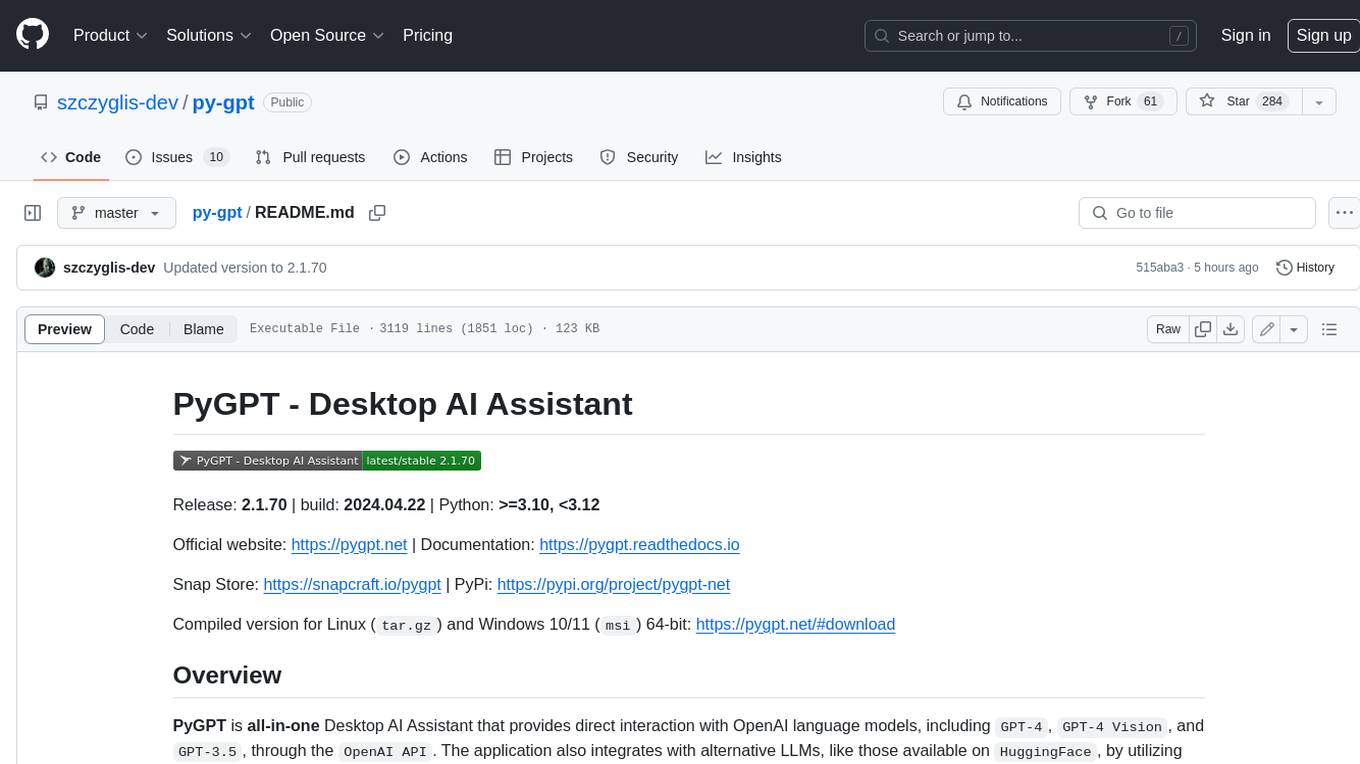
py-gpt
Py-GPT is a Python library that provides an easy-to-use interface for OpenAI's GPT-3 API. It allows users to interact with the powerful GPT-3 model for various natural language processing tasks. With Py-GPT, developers can quickly integrate GPT-3 capabilities into their applications, enabling them to generate text, answer questions, and more with just a few lines of code.
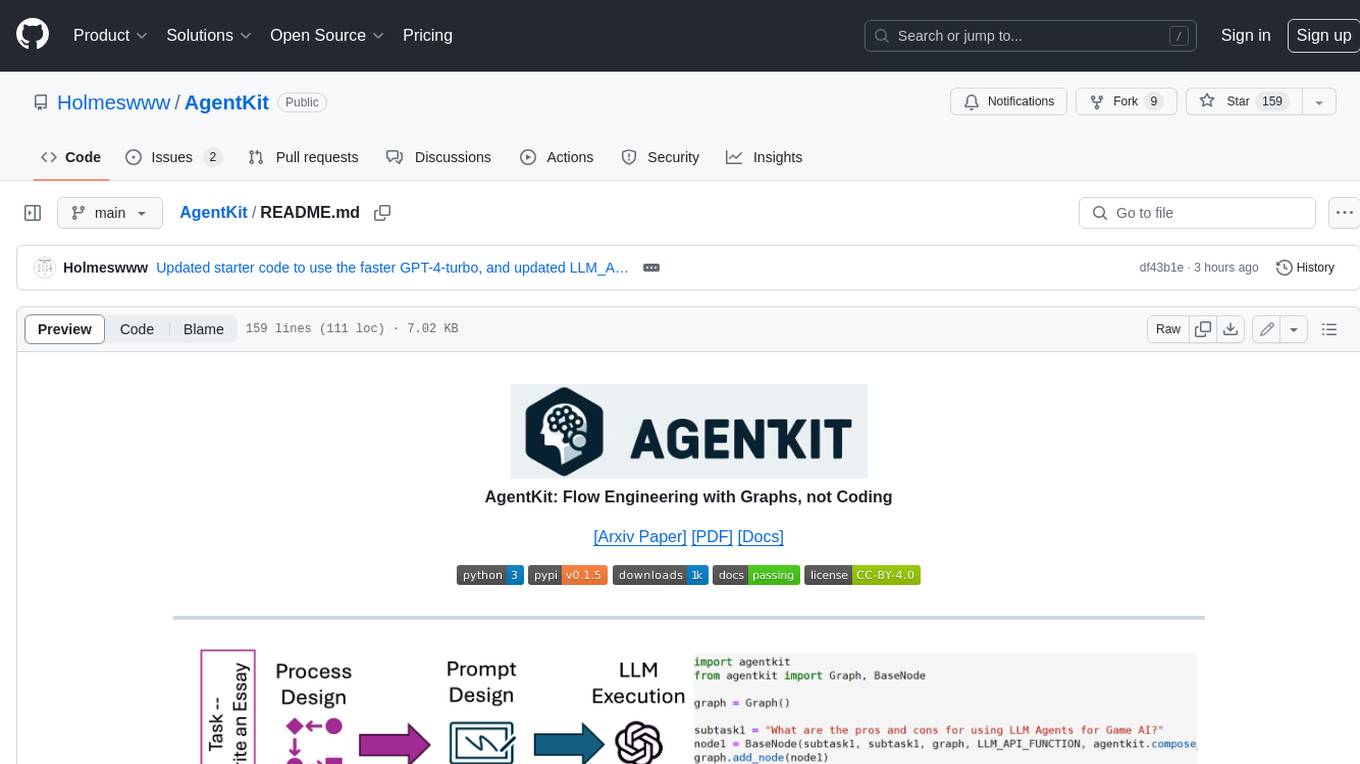
AgentKit
AgentKit is a framework for constructing complex human thought processes from simple natural language prompts. It offers a unified way to represent and execute these processes as graphs, making it easy to design and tune agents without any programming experience. AgentKit can be used for a variety of tasks, including generating text, answering questions, and making decisions.

nlp-llms-resources
The 'nlp-llms-resources' repository is a comprehensive resource list for Natural Language Processing (NLP) and Large Language Models (LLMs). It covers a wide range of topics including traditional NLP datasets, data acquisition, libraries for NLP, neural networks, sentiment analysis, optical character recognition, information extraction, semantics, topic modeling, multilingual NLP, domain-specific LLMs, vector databases, ethics, costing, books, courses, surveys, aggregators, newsletters, papers, conferences, and societies. The repository provides valuable information and resources for individuals interested in NLP and LLMs.
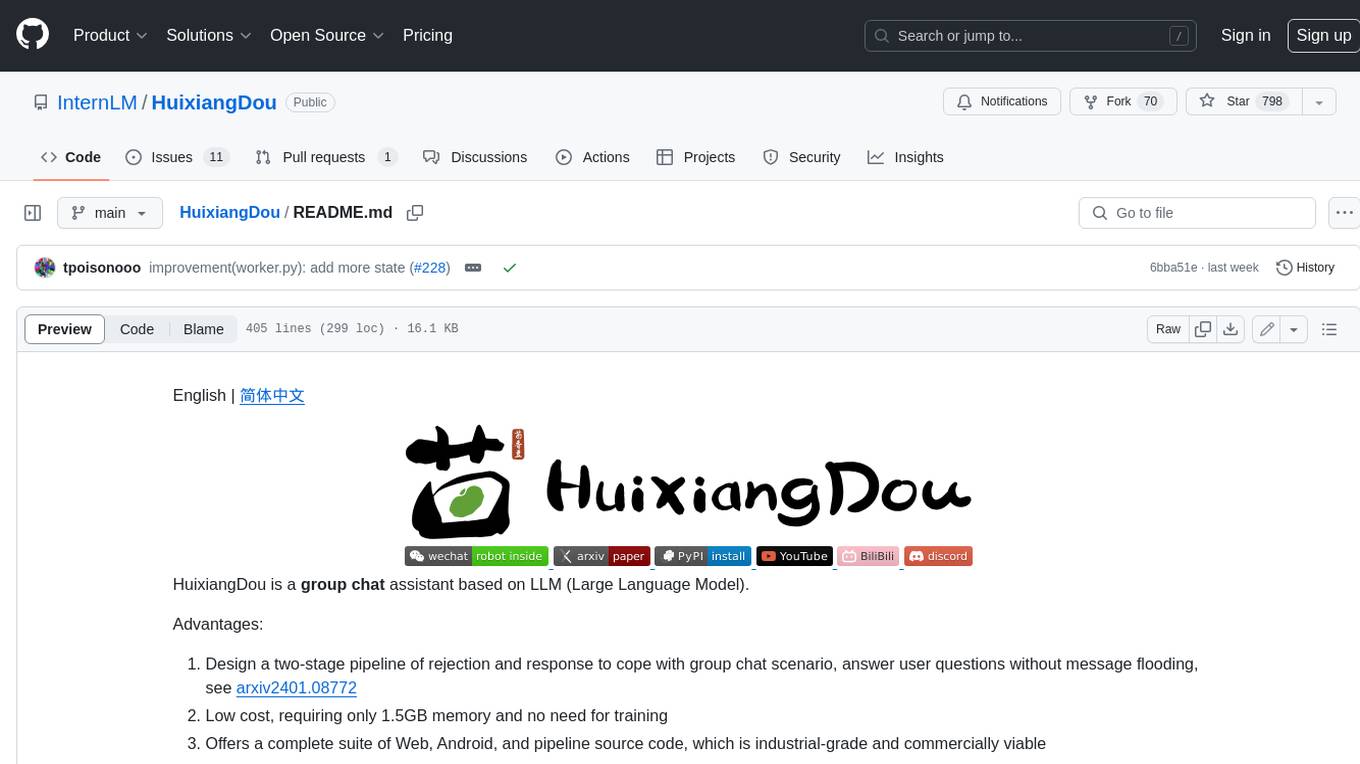
HuixiangDou
HuixiangDou is a **group chat** assistant based on LLM (Large Language Model). Advantages: 1. Design a two-stage pipeline of rejection and response to cope with group chat scenario, answer user questions without message flooding, see arxiv2401.08772 2. Low cost, requiring only 1.5GB memory and no need for training 3. Offers a complete suite of Web, Android, and pipeline source code, which is industrial-grade and commercially viable Check out the scenes in which HuixiangDou are running and join WeChat Group to try AI assistant inside. If this helps you, please give it a star ⭐
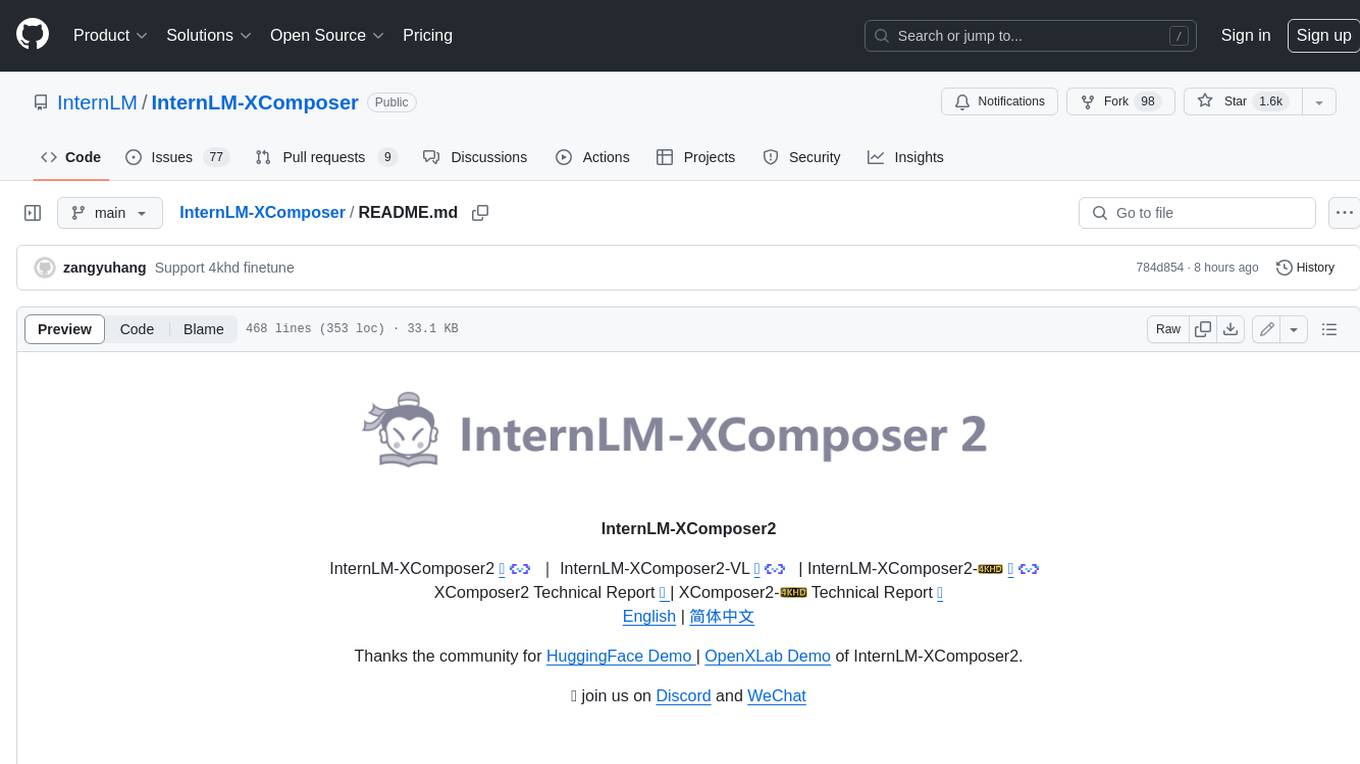
InternLM-XComposer
InternLM-XComposer2 is a groundbreaking vision-language large model (VLLM) based on InternLM2-7B excelling in free-form text-image composition and comprehension. It boasts several amazing capabilities and applications: * **Free-form Interleaved Text-Image Composition** : InternLM-XComposer2 can effortlessly generate coherent and contextual articles with interleaved images following diverse inputs like outlines, detailed text requirements and reference images, enabling highly customizable content creation. * **Accurate Vision-language Problem-solving** : InternLM-XComposer2 accurately handles diverse and challenging vision-language Q&A tasks based on free-form instructions, excelling in recognition, perception, detailed captioning, visual reasoning, and more. * **Awesome performance** : InternLM-XComposer2 based on InternLM2-7B not only significantly outperforms existing open-source multimodal models in 13 benchmarks but also **matches or even surpasses GPT-4V and Gemini Pro in 6 benchmarks** We release InternLM-XComposer2 series in three versions: * **InternLM-XComposer2-4KHD-7B** 🤗: The high-resolution multi-task trained VLLM model with InternLM-7B as the initialization of the LLM for _High-resolution understanding_ , _VL benchmarks_ and _AI assistant_. * **InternLM-XComposer2-VL-7B** 🤗 : The multi-task trained VLLM model with InternLM-7B as the initialization of the LLM for _VL benchmarks_ and _AI assistant_. **It ranks as the most powerful vision-language model based on 7B-parameter level LLMs, leading across 13 benchmarks.** * **InternLM-XComposer2-VL-1.8B** 🤗 : A lightweight version of InternLM-XComposer2-VL based on InternLM-1.8B. * **InternLM-XComposer2-7B** 🤗: The further instruction tuned VLLM for _Interleaved Text-Image Composition_ with free-form inputs. Please refer to Technical Report and 4KHD Technical Reportfor more details.
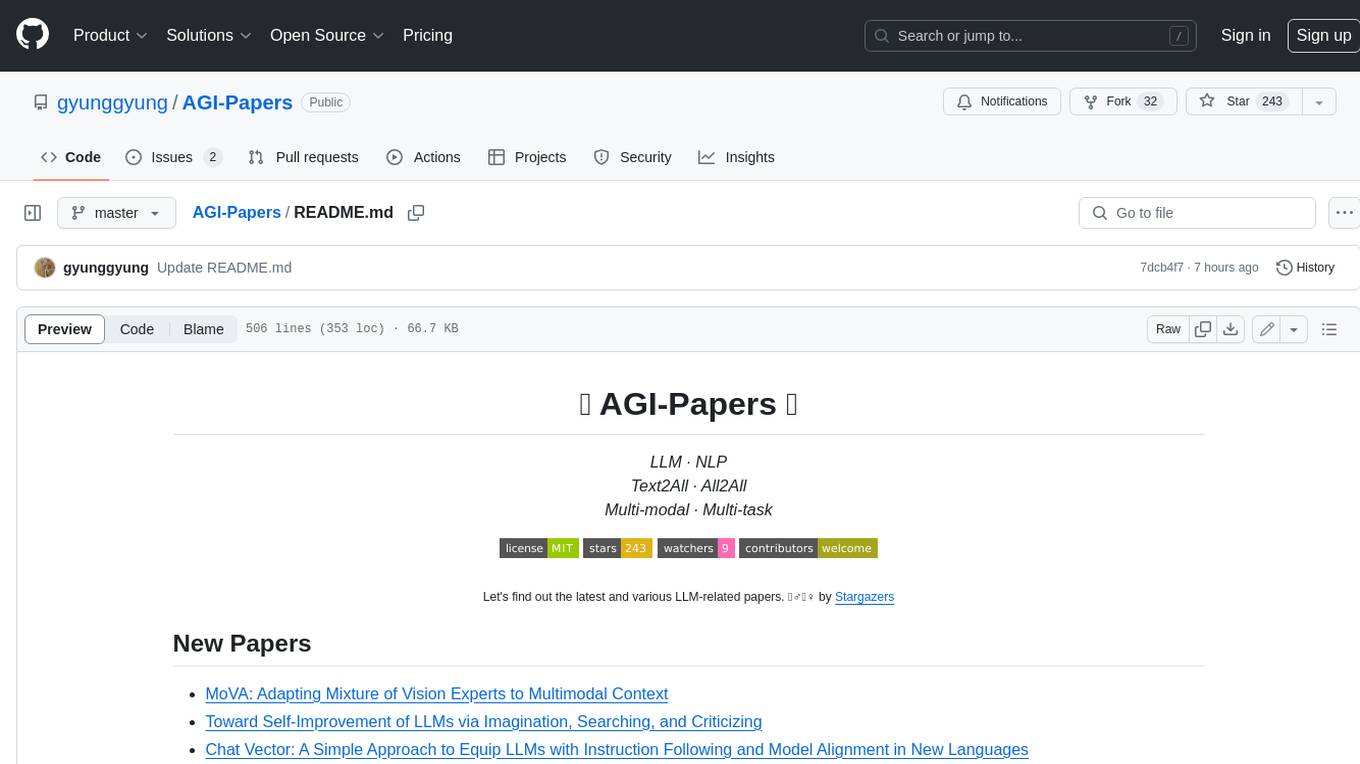
AGI-Papers
This repository contains a collection of papers and resources related to Large Language Models (LLMs), including their applications in various domains such as text generation, translation, question answering, and dialogue systems. The repository also includes discussions on the ethical and societal implications of LLMs. **Description** This repository is a collection of papers and resources related to Large Language Models (LLMs). LLMs are a type of artificial intelligence (AI) that can understand and generate human-like text. They have a wide range of applications, including text generation, translation, question answering, and dialogue systems. **For Jobs** - **Content Writer** - **Copywriter** - **Editor** - **Journalist** - **Marketer** **AI Keywords** - **Large Language Models** - **Natural Language Processing** - **Machine Learning** - **Artificial Intelligence** - **Deep Learning** **For Tasks** - **Generate text** - **Translate text** - **Answer questions** - **Engage in dialogue** - **Summarize text**
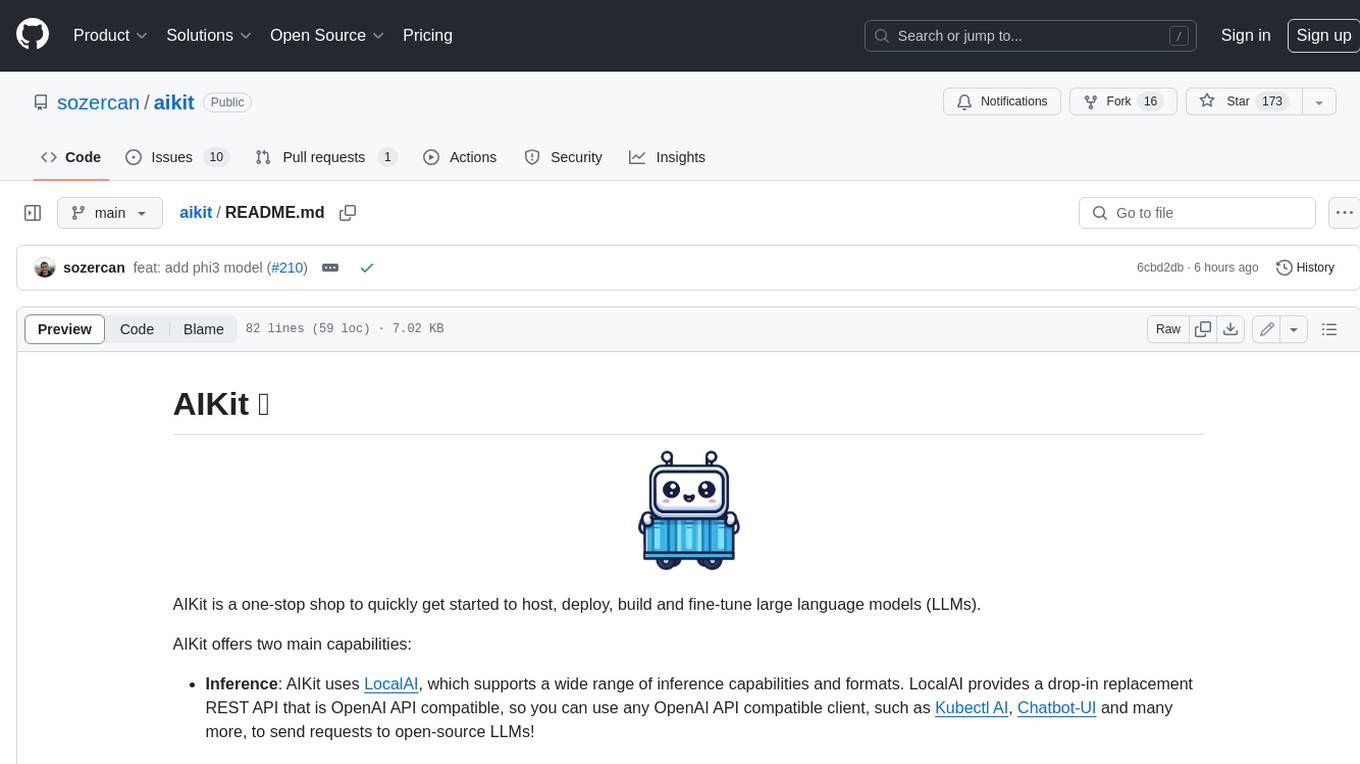
aikit
AIKit is a one-stop shop to quickly get started to host, deploy, build and fine-tune large language models (LLMs). AIKit offers two main capabilities: Inference: AIKit uses LocalAI, which supports a wide range of inference capabilities and formats. LocalAI provides a drop-in replacement REST API that is OpenAI API compatible, so you can use any OpenAI API compatible client, such as Kubectl AI, Chatbot-UI and many more, to send requests to open-source LLMs! Fine Tuning: AIKit offers an extensible fine tuning interface. It supports Unsloth for fast, memory efficient, and easy fine-tuning experience.
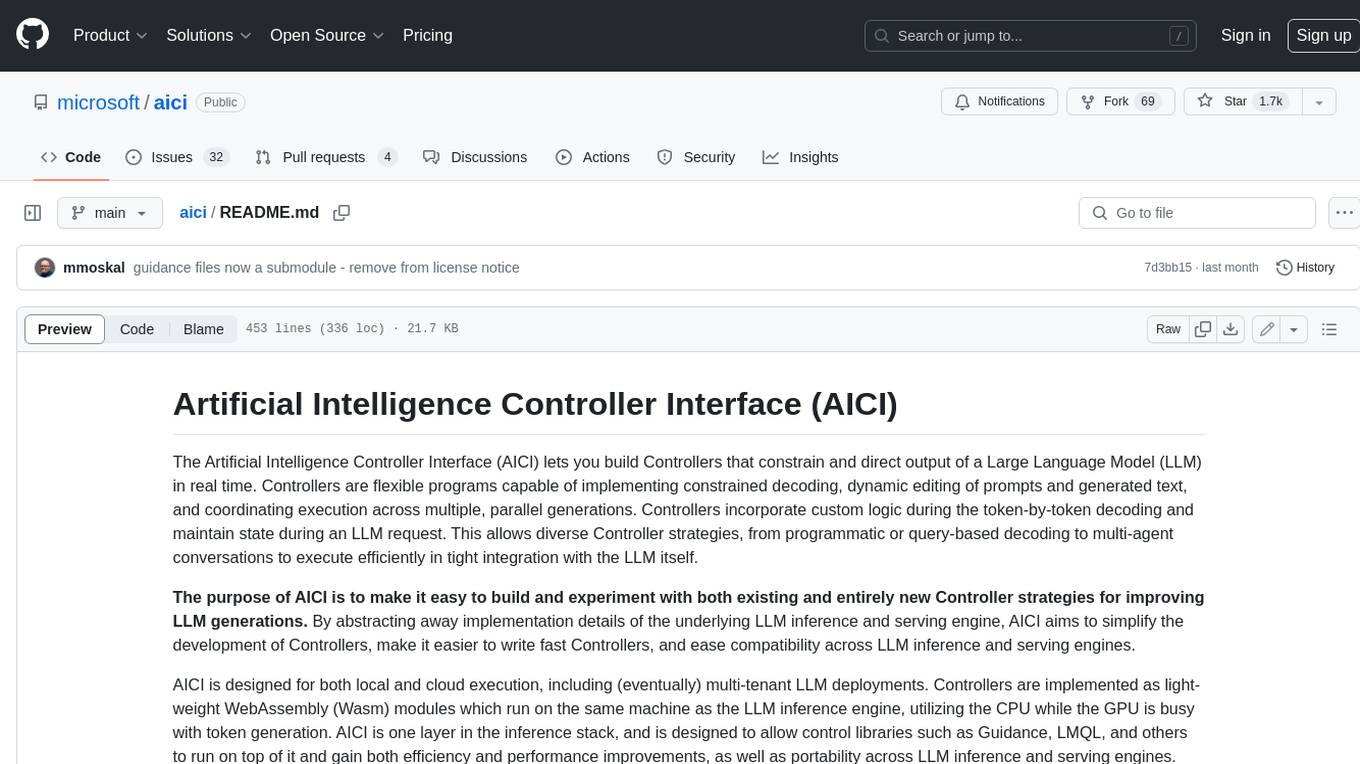
aici
The Artificial Intelligence Controller Interface (AICI) lets you build Controllers that constrain and direct output of a Large Language Model (LLM) in real time. Controllers are flexible programs capable of implementing constrained decoding, dynamic editing of prompts and generated text, and coordinating execution across multiple, parallel generations. Controllers incorporate custom logic during the token-by-token decoding and maintain state during an LLM request. This allows diverse Controller strategies, from programmatic or query-based decoding to multi-agent conversations to execute efficiently in tight integration with the LLM itself.
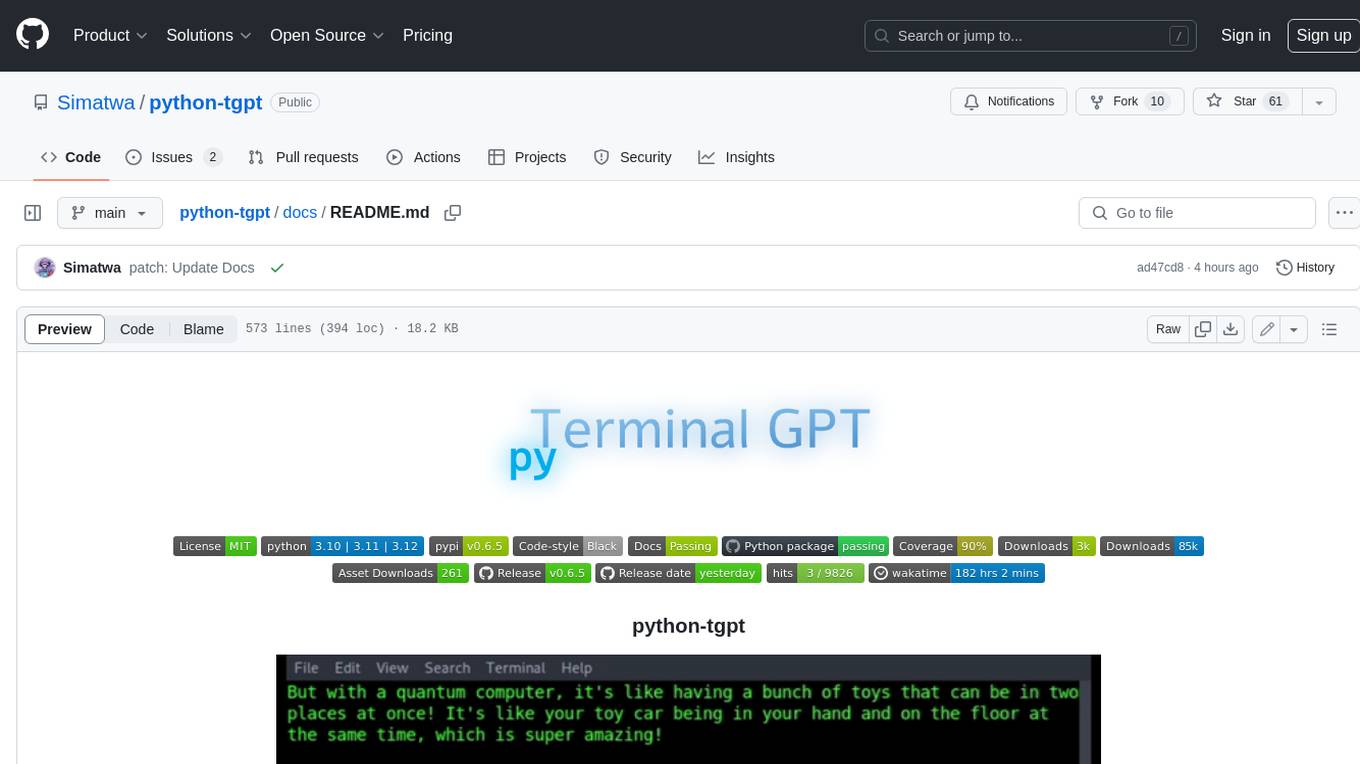
python-tgpt
Python-tgpt is a Python package that enables seamless interaction with over 45 free LLM providers without requiring an API key. It also provides image generation capabilities. The name _python-tgpt_ draws inspiration from its parent project tgpt, which operates on Golang. Through this Python adaptation, users can effortlessly engage with a number of free LLMs available, fostering a smoother AI interaction experience.
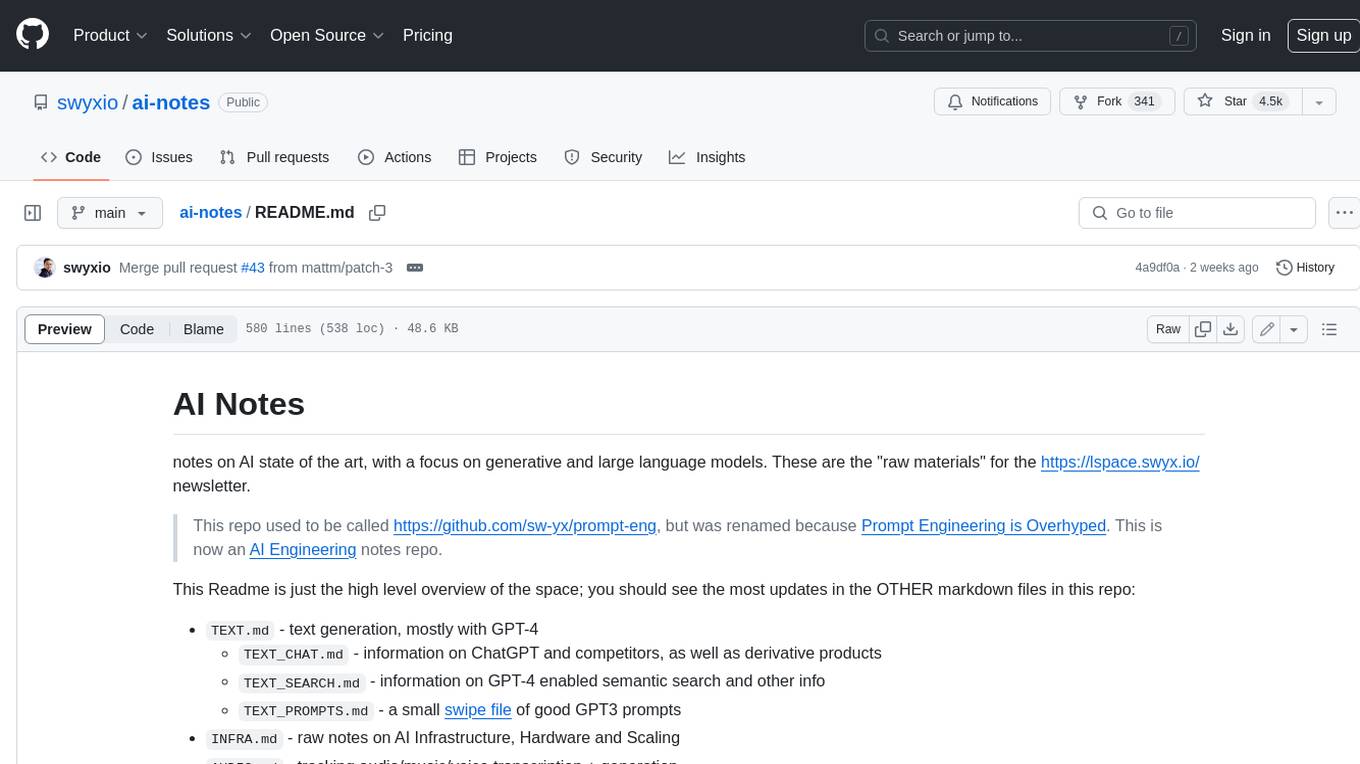
ai-notes
Notes on AI state of the art, with a focus on generative and large language models. These are the "raw materials" for the https://lspace.swyx.io/ newsletter. This repo used to be called https://github.com/sw-yx/prompt-eng, but was renamed because Prompt Engineering is Overhyped. This is now an AI Engineering notes repo.
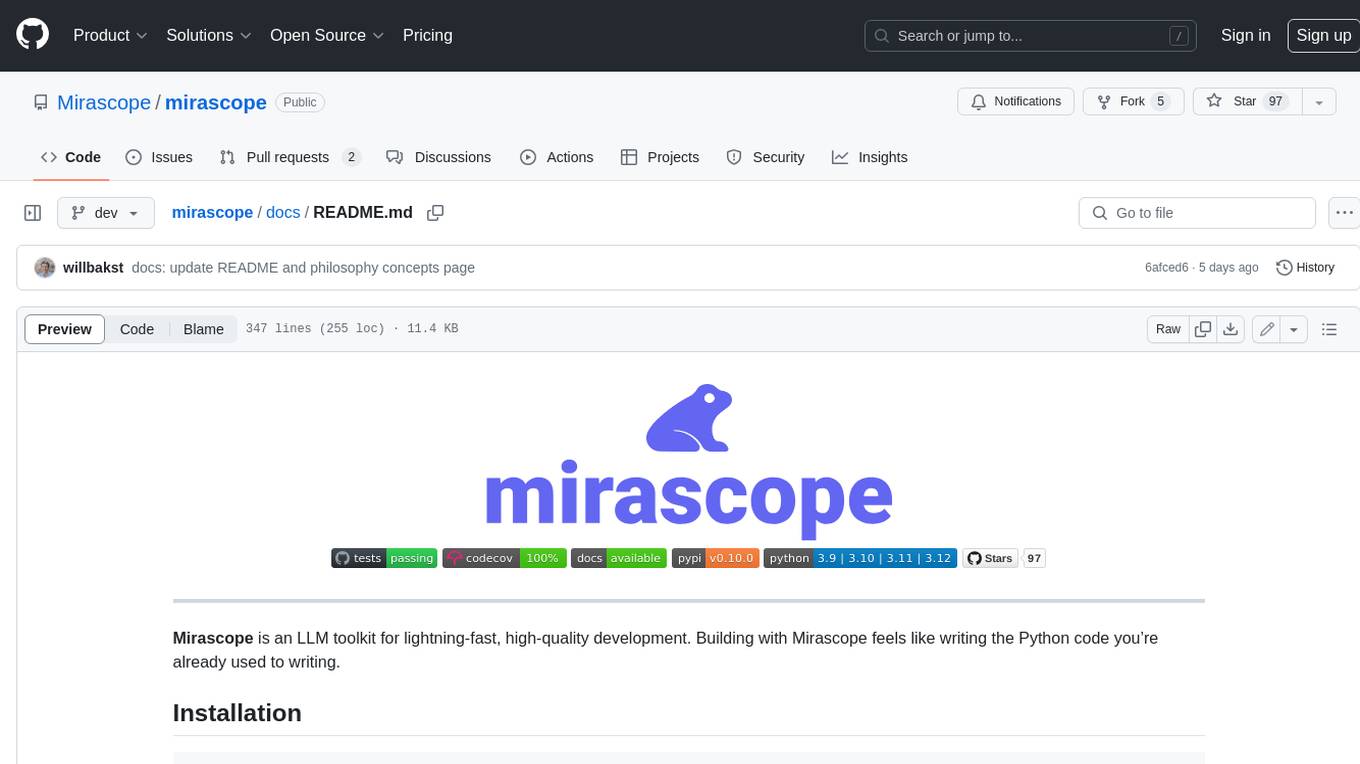
mirascope
Mirascope is an LLM toolkit for lightning-fast, high-quality development. Building with Mirascope feels like writing the Python code you’re already used to writing.
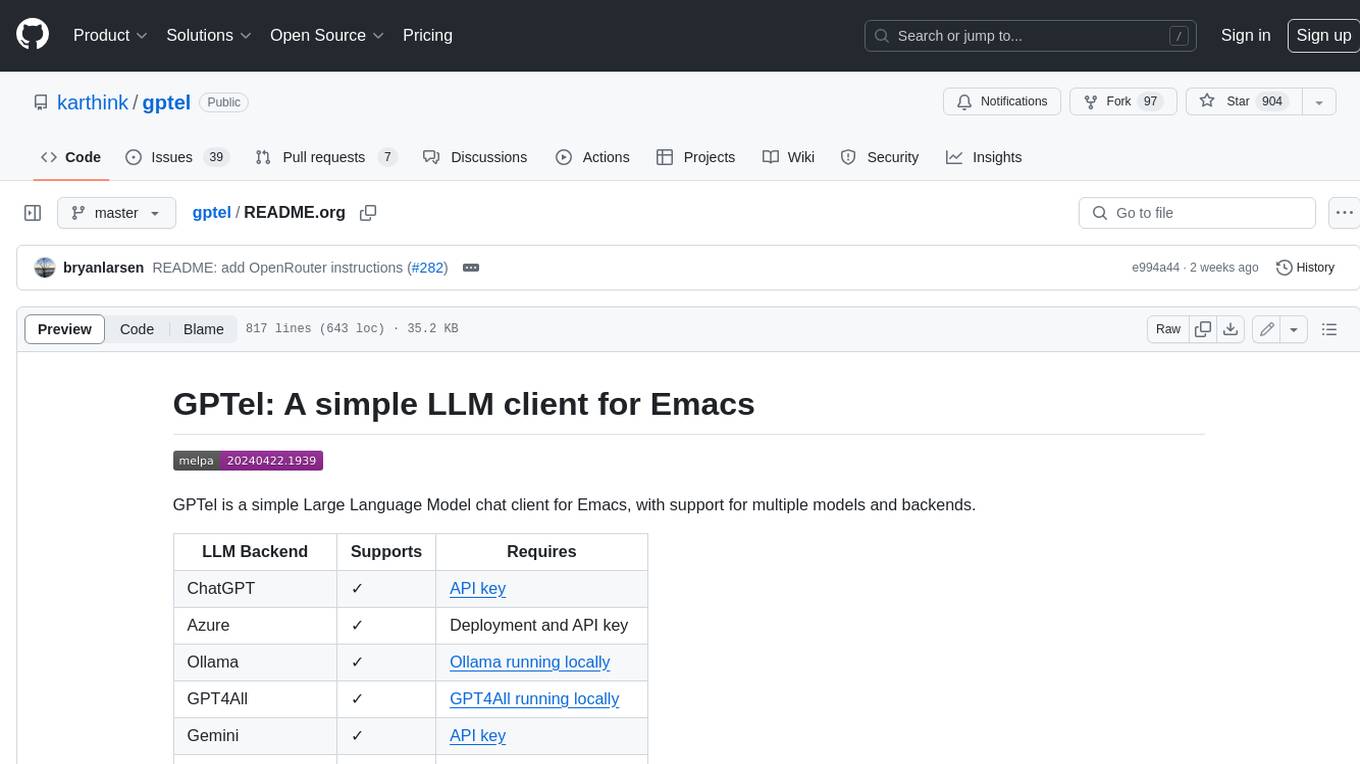
gptel
GPTel is a simple Large Language Model chat client for Emacs, with support for multiple models and backends. It's async and fast, streams responses, and interacts with LLMs from anywhere in Emacs. LLM responses are in Markdown or Org markup. Supports conversations and multiple independent sessions. Chats can be saved as regular Markdown/Org/Text files and resumed later. You can go back and edit your previous prompts or LLM responses when continuing a conversation. These will be fed back to the model. Don't like gptel's workflow? Use it to create your own for any supported model/backend with a simple API.
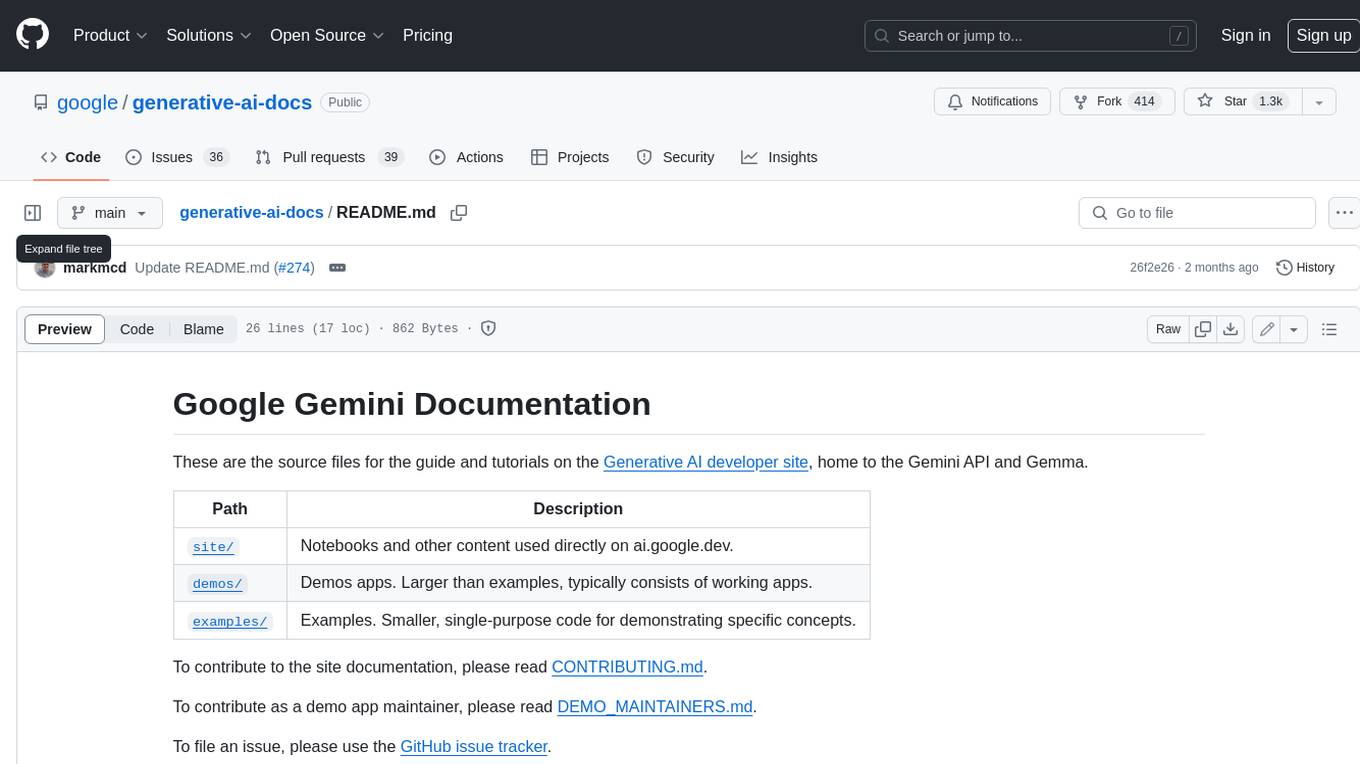
generative-ai-docs
The Google Gemini Documentation repository contains the source files for the guide and tutorials on the Generative AI developer site, which is home to the Gemini API and Gemma. The repository includes notebooks and other content used directly on ai.google.dev, as well as demos and examples. To contribute to the site documentation, please read CONTRIBUTING.md. To contribute as a demo app maintainer, please read DEMO_MAINTAINERS.md. To file an issue, please use the GitHub issue tracker.
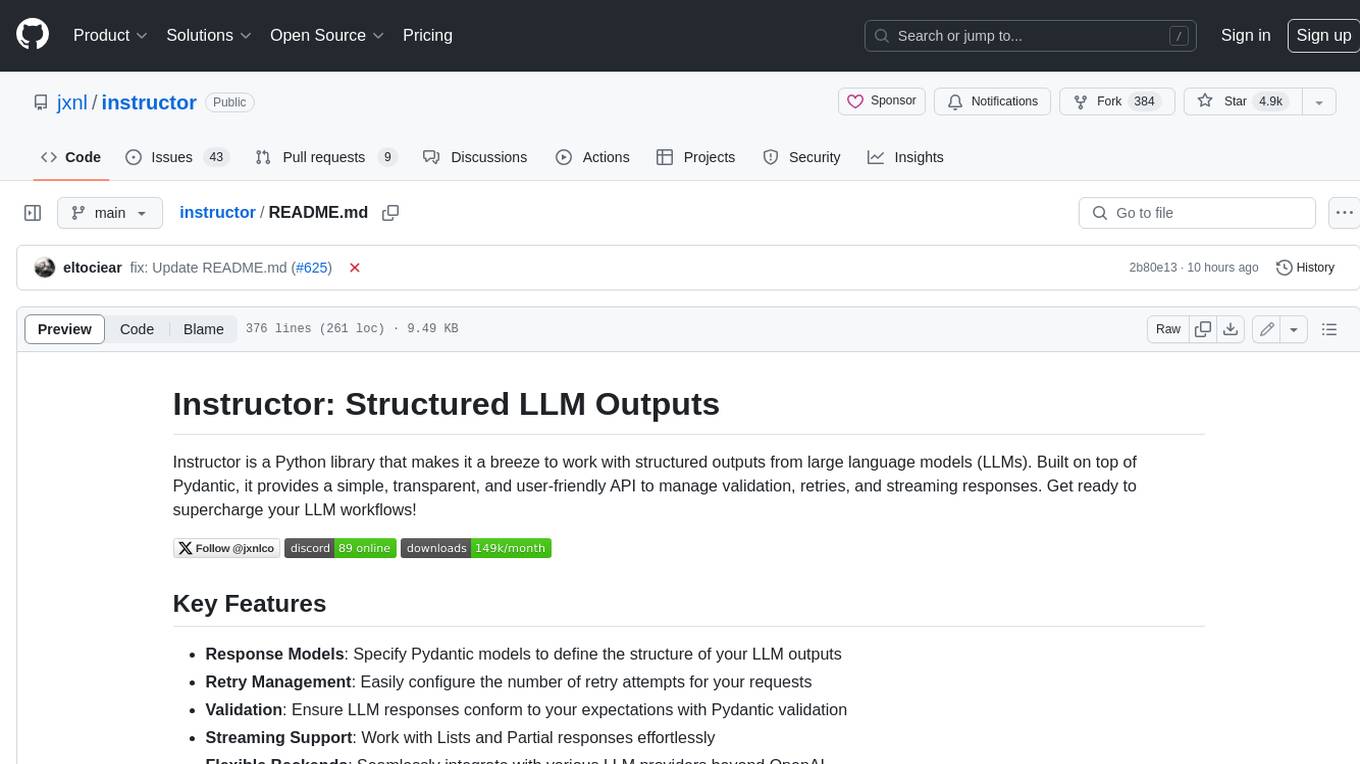
instructor
Instructor is a Python library that makes it a breeze to work with structured outputs from large language models (LLMs). Built on top of Pydantic, it provides a simple, transparent, and user-friendly API to manage validation, retries, and streaming responses. Get ready to supercharge your LLM workflows!
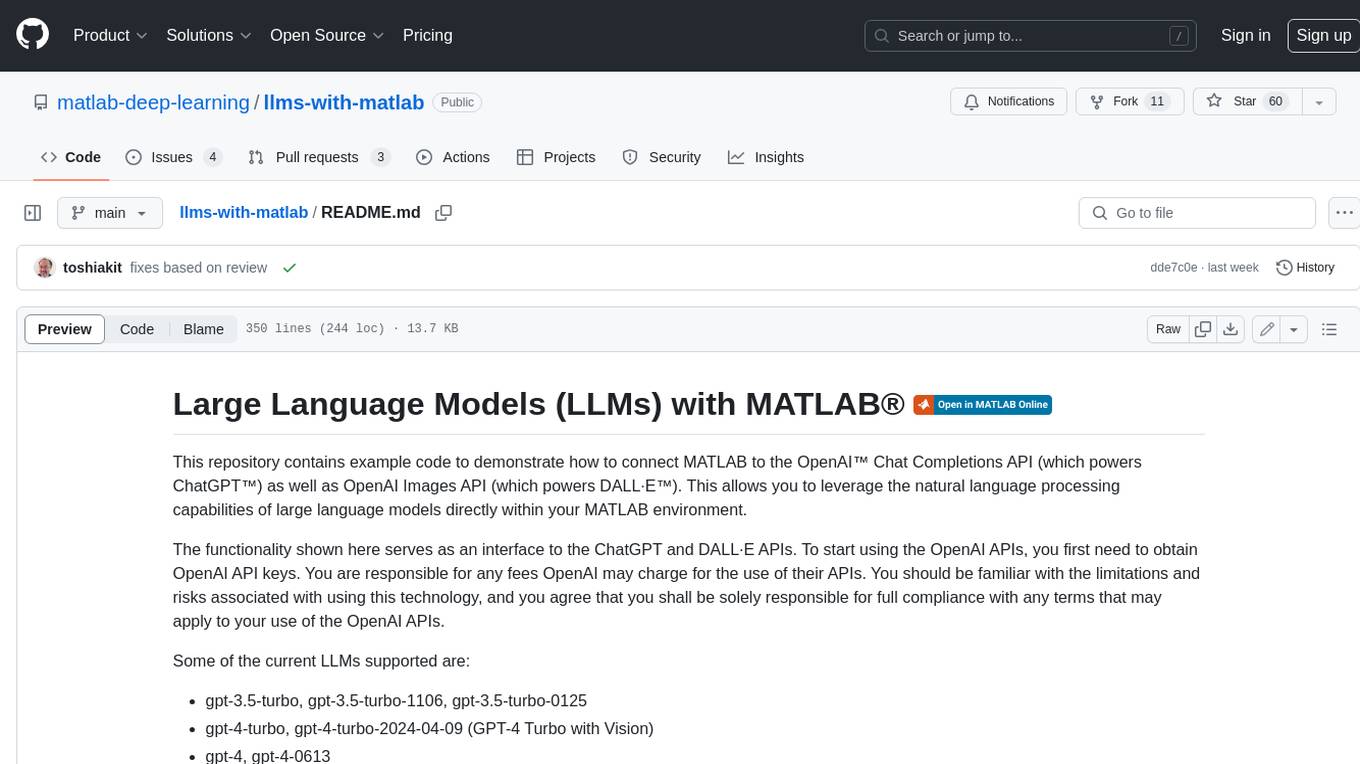
llms-with-matlab
This repository contains example code to demonstrate how to connect MATLAB to the OpenAI™ Chat Completions API (which powers ChatGPT™) as well as OpenAI Images API (which powers DALL·E™). This allows you to leverage the natural language processing capabilities of large language models directly within your MATLAB environment.
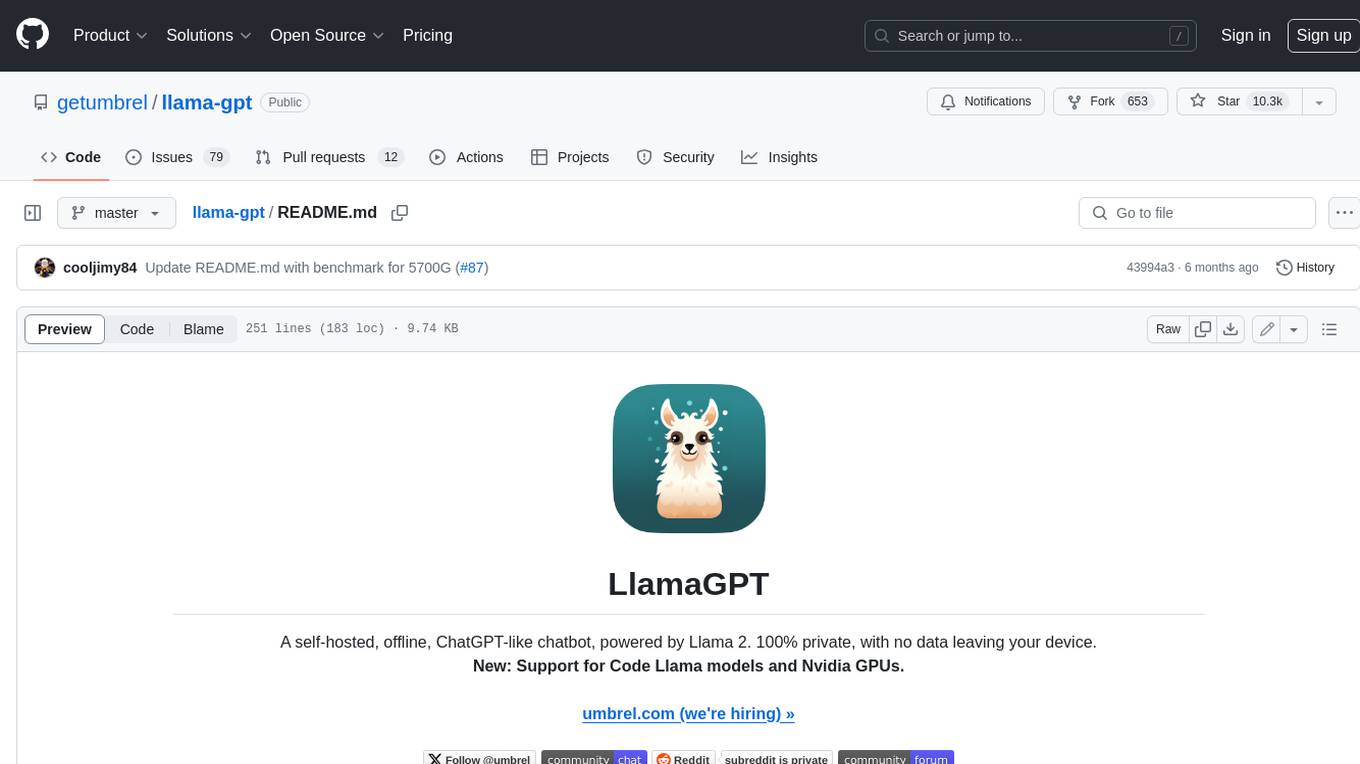
llama-gpt
LlamaGPT is a self-hosted, offline, ChatGPT-like chatbot, powered by Llama 2. It is 100% private, with no data leaving your device. It supports various models, including Nous Hermes Llama 2 7B/13B/70B Chat and Code Llama 7B/13B/34B Chat. You can install LlamaGPT on your umbrelOS home server, M1/M2 Mac, or anywhere else with Docker. It also provides an OpenAI-compatible API for easy integration. LlamaGPT is still under development, with plans to add more features such as custom model loading and model switching.
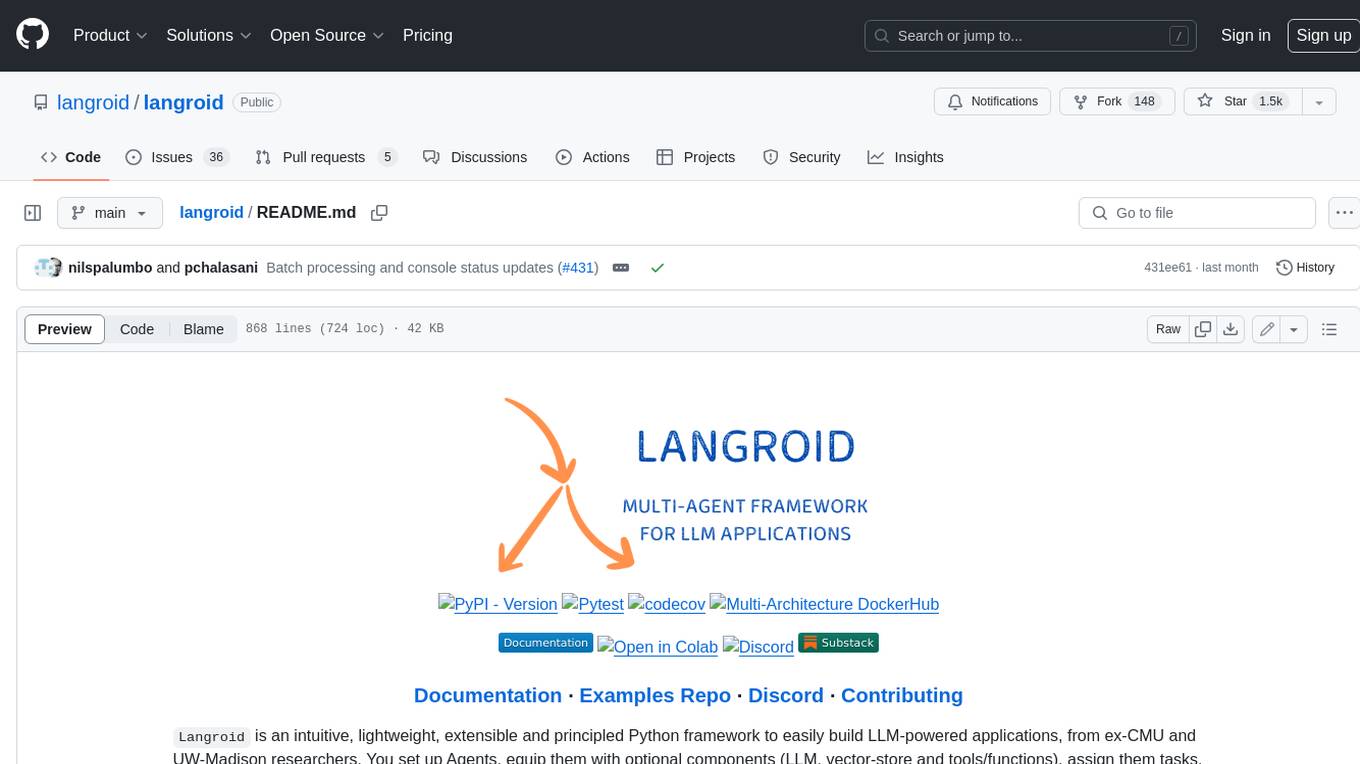
langroid
Langroid is a Python framework that makes it easy to build LLM-powered applications. It uses a multi-agent paradigm inspired by the Actor Framework, where you set up Agents, equip them with optional components (LLM, vector-store and tools/functions), assign them tasks, and have them collaboratively solve a problem by exchanging messages. Langroid is a fresh take on LLM app-development, where considerable thought has gone into simplifying the developer experience; it does not use Langchain.

generative-ai-python
The Google AI Python SDK is the easiest way for Python developers to build with the Gemini API. The Gemini API gives you access to Gemini models created by Google DeepMind. Gemini models are built from the ground up to be multimodal, so you can reason seamlessly across text, images, and code.
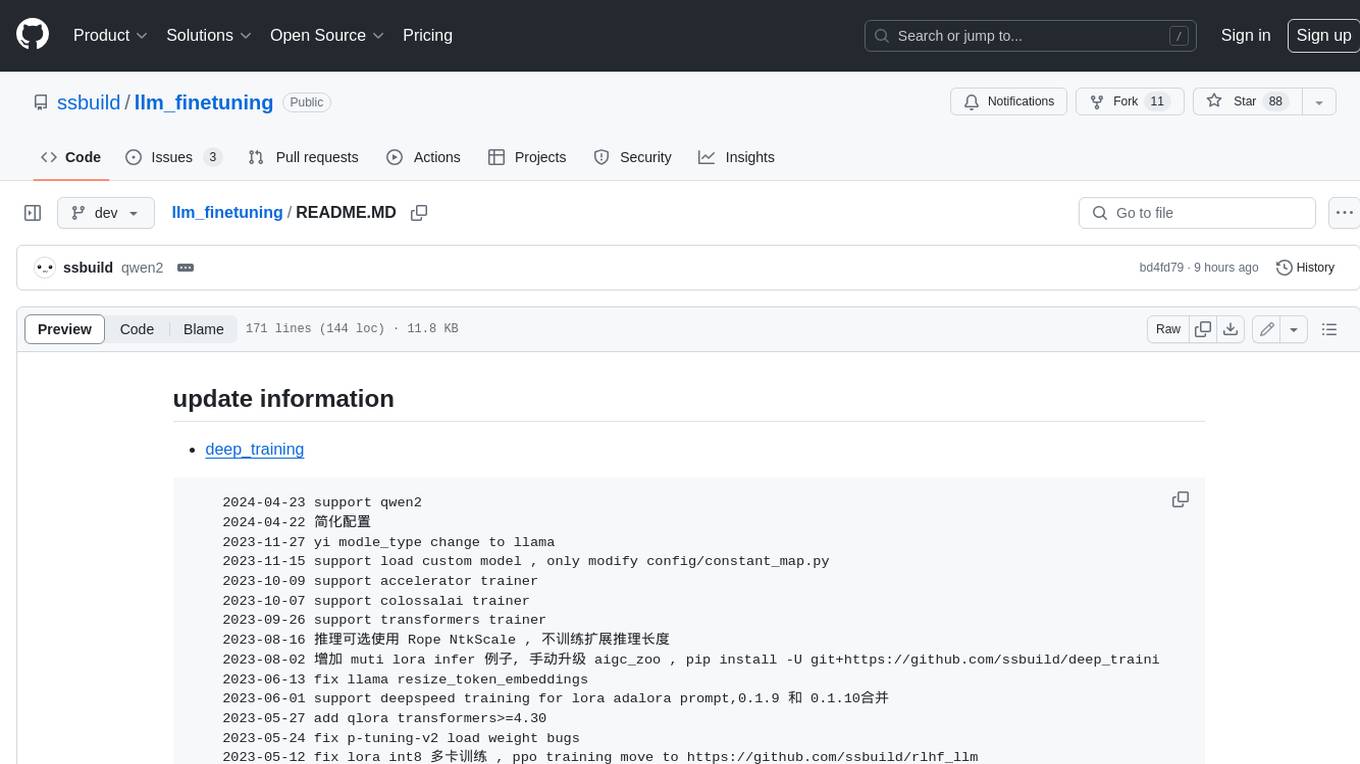
llm_finetuning
This repository provides a comprehensive set of tools for fine-tuning large language models (LLMs) using various techniques, including full parameter training, LoRA (Low-Rank Adaptation), and P-Tuning V2. It supports a wide range of LLM models, including Qwen, Yi, Llama, and others. The repository includes scripts for data preparation, training, and inference, making it easy for users to fine-tune LLMs for specific tasks. Additionally, it offers a collection of pre-trained models and provides detailed documentation and examples to guide users through the process.
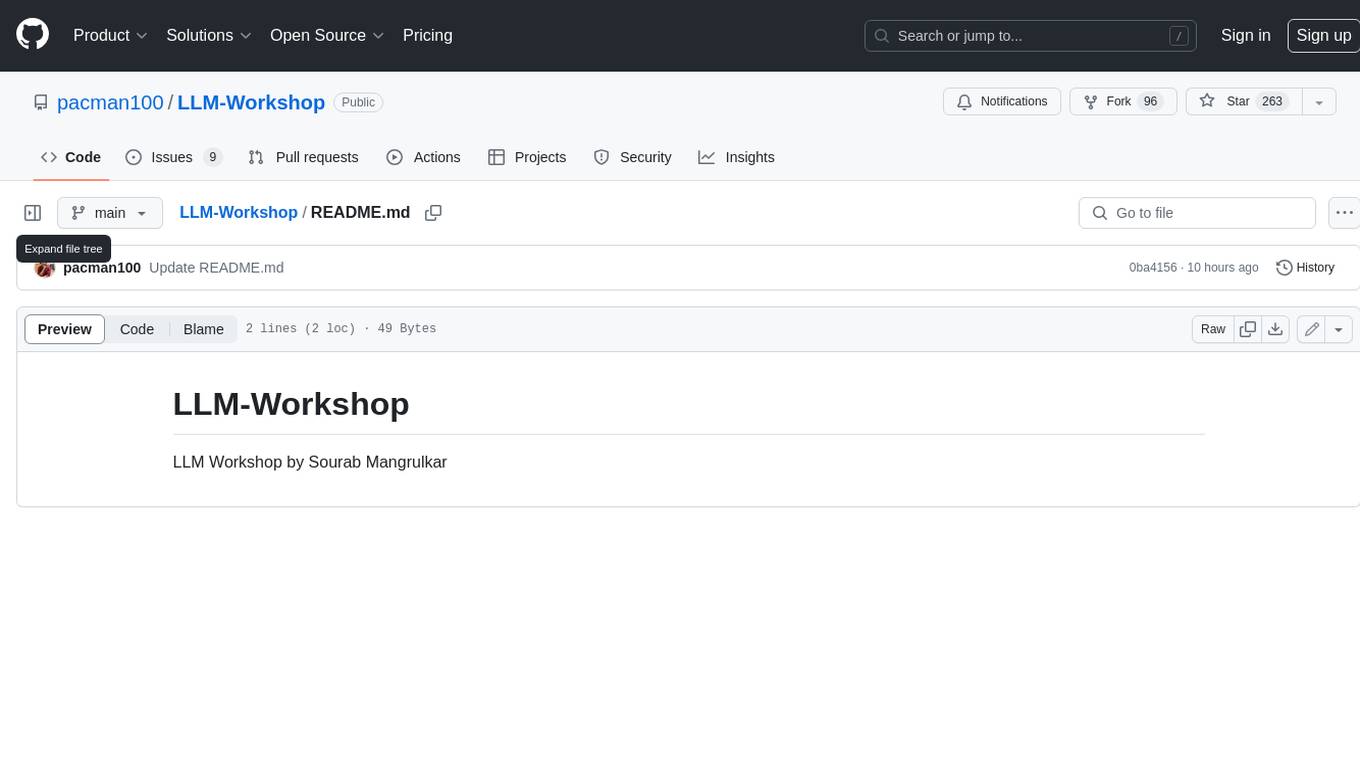
LLM-Workshop
This repository contains a collection of resources for learning about and using Large Language Models (LLMs). The resources include tutorials, code examples, and links to additional resources. LLMs are a type of artificial intelligence that can understand and generate human-like text. They have a wide range of potential applications, including natural language processing, machine translation, and chatbot development.
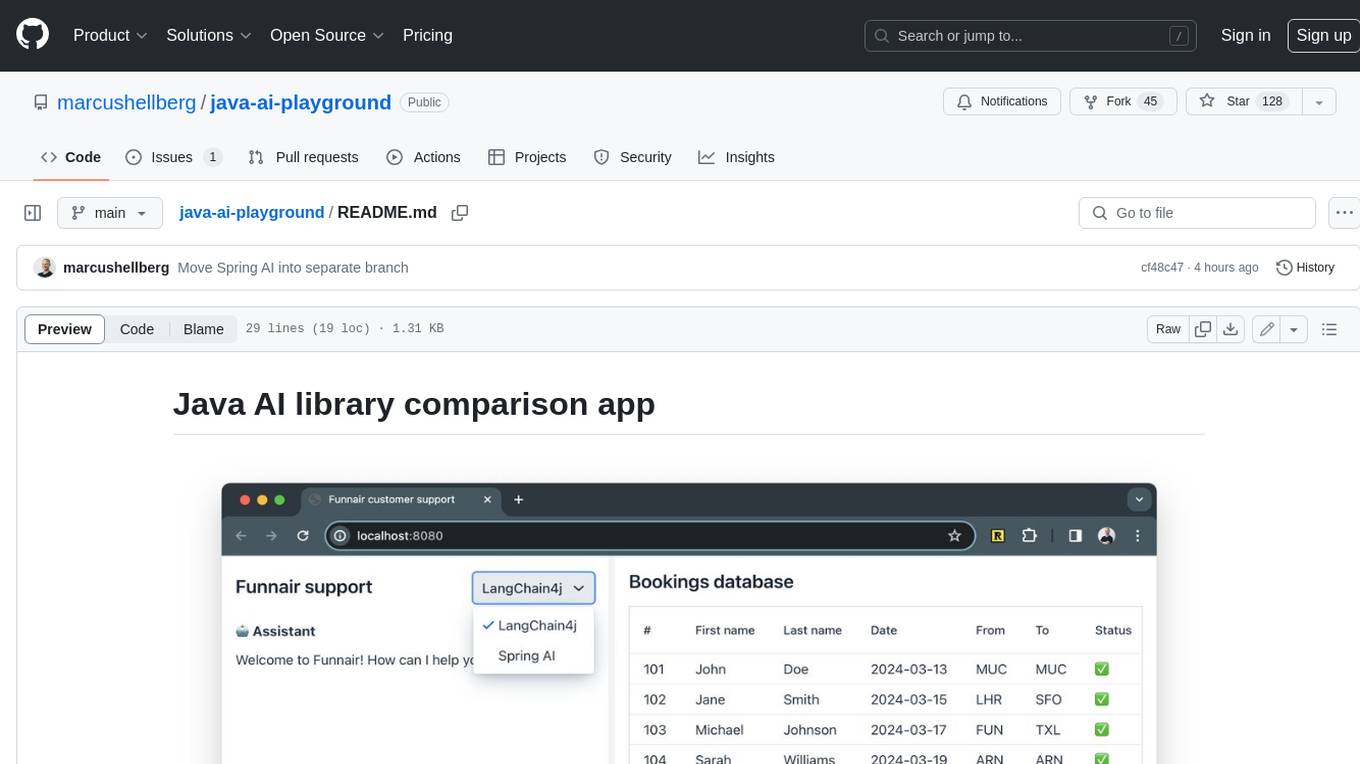
java-ai-playground
This AI-powered customer support application has access to terms and conditions (retrieval augmented generation, RAG), can access tools (Java methods) to perform actions, and uses an LLM to interact with the user. The application includes implementations for LangChain4j in the `main` branch and Spring AI in the `spring-ai` branch. The UI is built using Vaadin Hilla and the backend is built using Spring Boot.
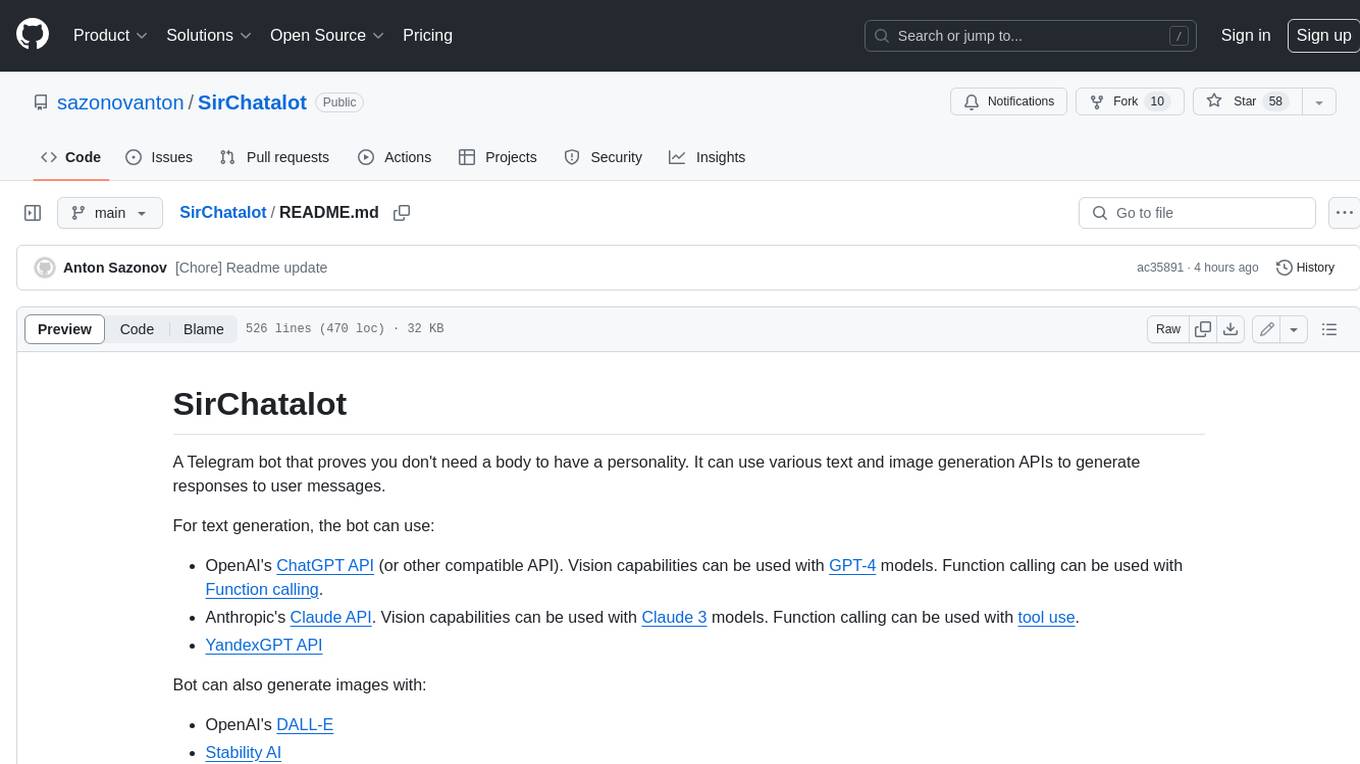
SirChatalot
A Telegram bot that proves you don't need a body to have a personality. It can use various text and image generation APIs to generate responses to user messages. For text generation, the bot can use: * OpenAI's ChatGPT API (or other compatible API). Vision capabilities can be used with GPT-4 models. Function calling can be used with Function calling. * Anthropic's Claude API. Vision capabilities can be used with Claude 3 models. Function calling can be used with tool use. * YandexGPT API Bot can also generate images with: * OpenAI's DALL-E * Stability AI * Yandex ART This bot can also be used to generate responses to voice messages. Bot will convert the voice message to text and will then generate a response. Speech recognition can be done using the OpenAI's Whisper model. To use this feature, you need to install the ffmpeg library. This bot is also support working with files, see Files section for more details. If function calling is enabled, bot can generate images and search the web (limited).
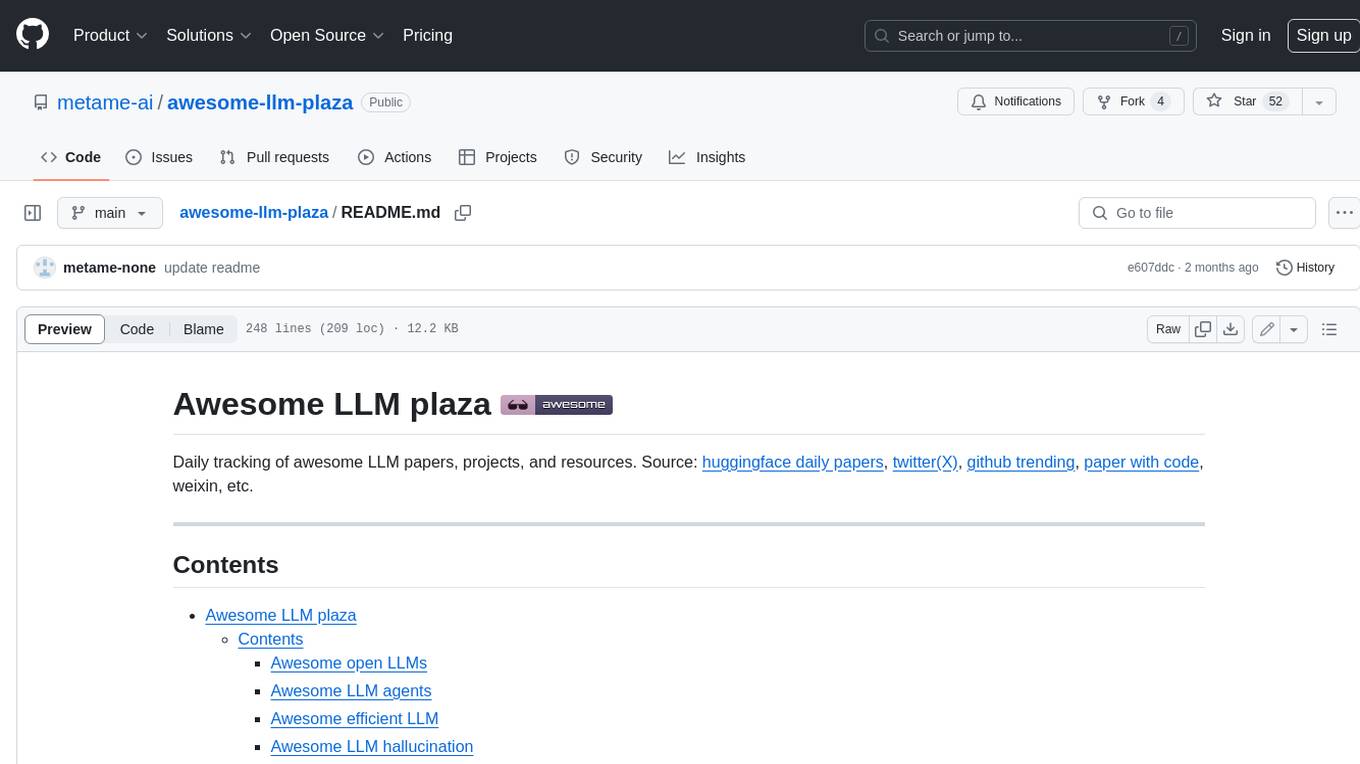
awesome-llm-plaza
Awesome LLM plaza is a curated list of awesome LLM papers, projects, and resources. It is updated daily and includes resources from a variety of sources, including huggingface daily papers, twitter, github trending, paper with code, weixin, etc.
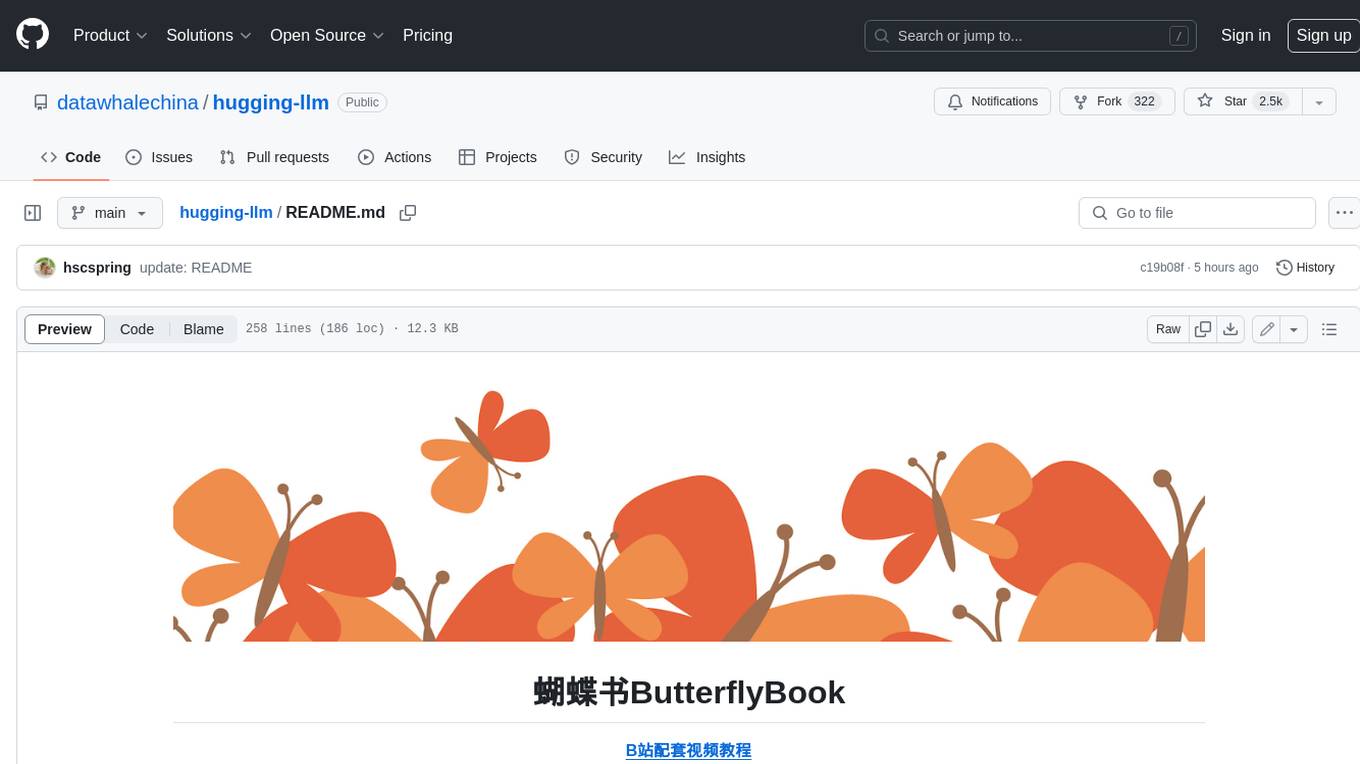
hugging-llm
HuggingLLM is a project that aims to introduce ChatGPT to a wider audience, particularly those interested in using the technology to create new products or applications. The project focuses on providing practical guidance on how to use ChatGPT-related APIs to create new features and applications. It also includes detailed background information and system design introductions for relevant tasks, as well as example code and implementation processes. The project is designed for individuals with some programming experience who are interested in using ChatGPT for practical applications, and it encourages users to experiment and create their own applications and demos.
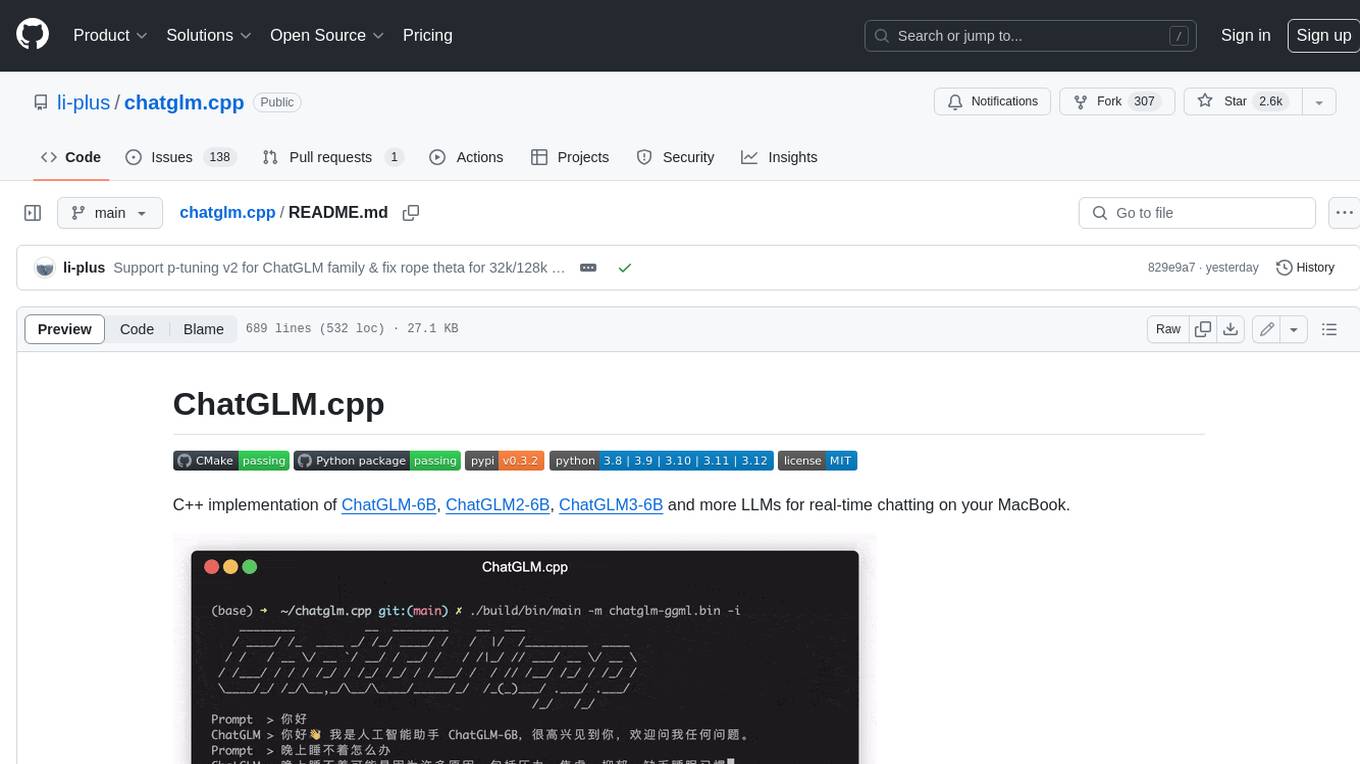
chatglm.cpp
ChatGLM.cpp is a C++ implementation of ChatGLM-6B, ChatGLM2-6B, ChatGLM3-6B and more LLMs for real-time chatting on your MacBook. It is based on ggml, working in the same way as llama.cpp. ChatGLM.cpp features accelerated memory-efficient CPU inference with int4/int8 quantization, optimized KV cache and parallel computing. It also supports P-Tuning v2 and LoRA finetuned models, streaming generation with typewriter effect, Python binding, web demo, api servers and more possibilities.
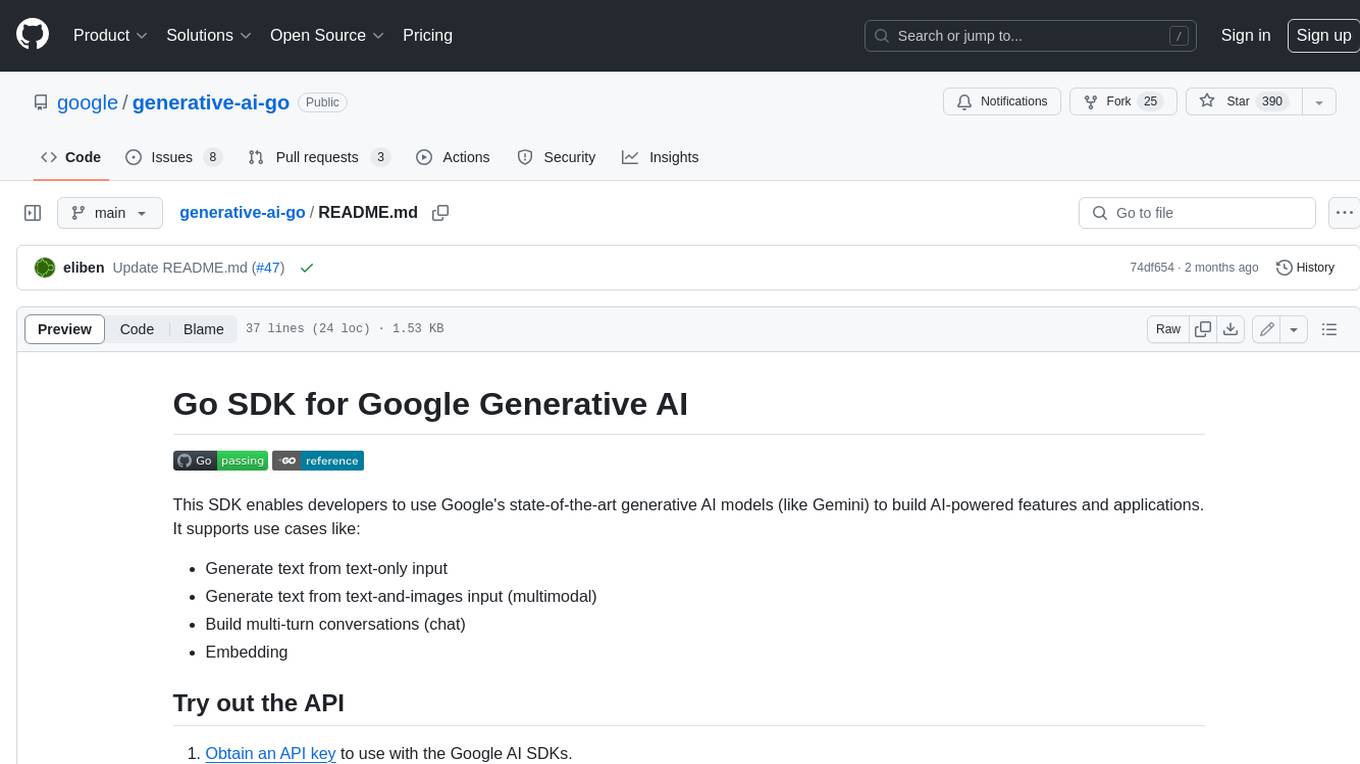
generative-ai-go
The Google AI Go SDK enables developers to use Google's state-of-the-art generative AI models (like Gemini) to build AI-powered features and applications. It supports use cases like generating text from text-only input, generating text from text-and-images input (multimodal), building multi-turn conversations (chat), and embedding.
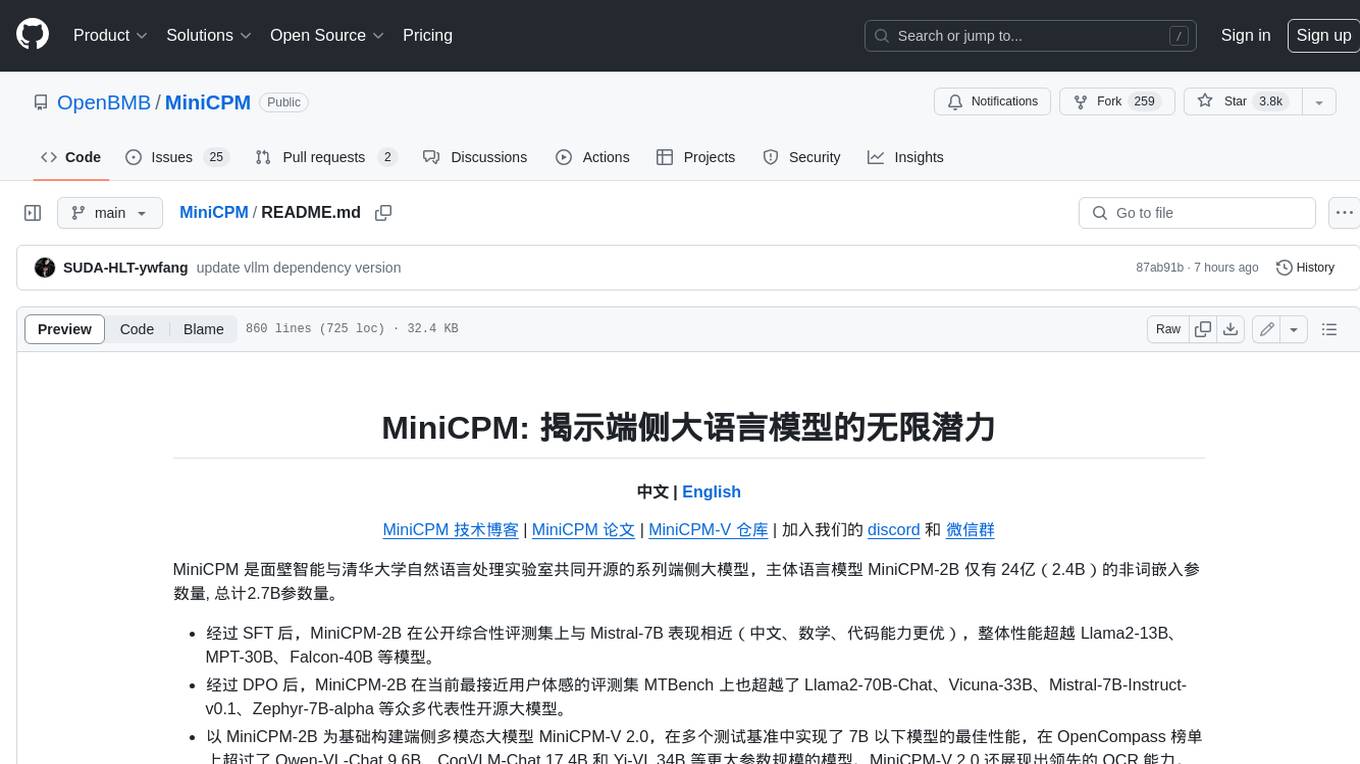
MiniCPM
MiniCPM is a series of open-source large models on the client side jointly developed by Face Intelligence and Tsinghua University Natural Language Processing Laboratory. The main language model MiniCPM-2B has only 2.4 billion (2.4B) non-word embedding parameters, with a total of 2.7B parameters. - After SFT, MiniCPM-2B performs similarly to Mistral-7B on public comprehensive evaluation sets (better in Chinese, mathematics, and code capabilities), and outperforms models such as Llama2-13B, MPT-30B, and Falcon-40B overall. - After DPO, MiniCPM-2B also surpasses many representative open-source large models such as Llama2-70B-Chat, Vicuna-33B, Mistral-7B-Instruct-v0.1, and Zephyr-7B-alpha on the current evaluation set MTBench, which is closest to the user experience. - Based on MiniCPM-2B, a multi-modal large model MiniCPM-V 2.0 on the client side is constructed, which achieves the best performance of models below 7B in multiple test benchmarks, and surpasses larger parameter scale models such as Qwen-VL-Chat 9.6B, CogVLM-Chat 17.4B, and Yi-VL 34B on the OpenCompass leaderboard. MiniCPM-V 2.0 also demonstrates leading OCR capabilities, approaching Gemini Pro in scene text recognition capabilities. - After Int4 quantization, MiniCPM can be deployed and inferred on mobile phones, with a streaming output speed slightly higher than human speech speed. MiniCPM-V also directly runs through the deployment of multi-modal large models on mobile phones. - A single 1080/2080 can efficiently fine-tune parameters, and a single 3090/4090 can fully fine-tune parameters. A single machine can continuously train MiniCPM, and the secondary development cost is relatively low.
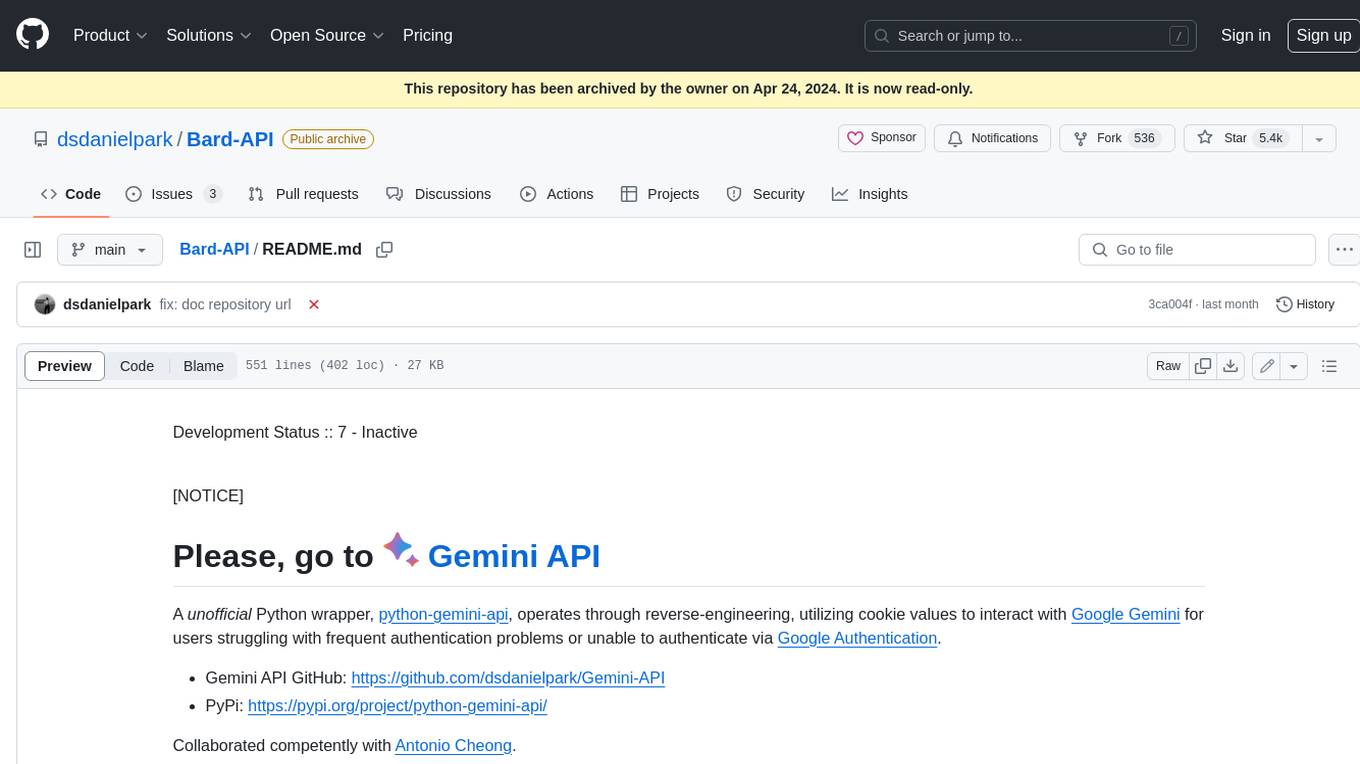
Bard-API
The Bard API is a Python package that returns responses from Google Bard through the value of a cookie. It is an unofficial API that operates through reverse-engineering, utilizing cookie values to interact with Google Bard for users struggling with frequent authentication problems or unable to authenticate via Google Authentication. The Bard API is not a free service, but rather a tool provided to assist developers with testing certain functionalities due to the delayed development and release of Google Bard's API. It has been designed with a lightweight structure that can easily adapt to the emergence of an official API. Therefore, using it for any other purposes is strongly discouraged. If you have access to a reliable official PaLM-2 API or Google Generative AI API, replace the provided response with the corresponding official code. Check out https://github.com/dsdanielpark/Bard-API/issues/262.
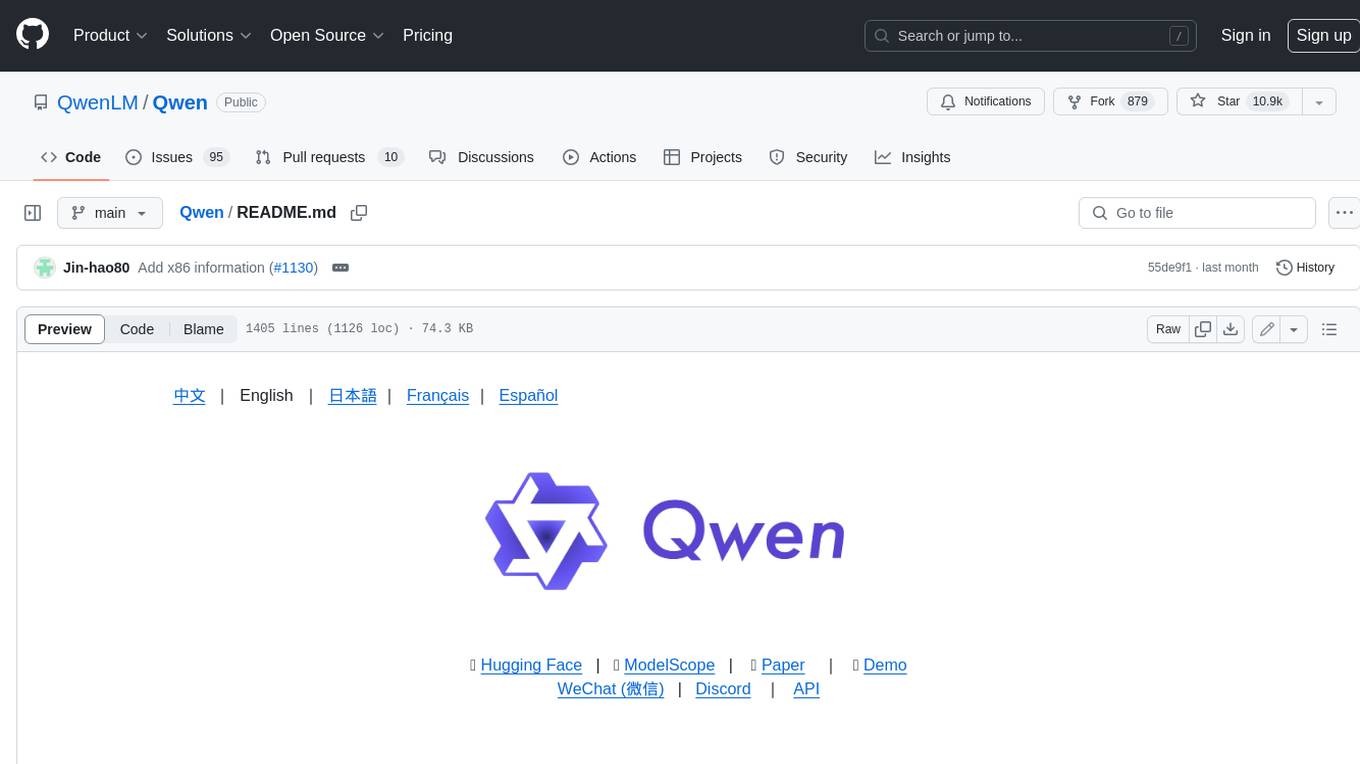
Qwen
Qwen is a series of large language models developed by Alibaba DAMO Academy. It outperforms the baseline models of similar model sizes on a series of benchmark datasets, e.g., MMLU, C-Eval, GSM8K, MATH, HumanEval, MBPP, BBH, etc., which evaluate the models’ capabilities on natural language understanding, mathematic problem solving, coding, etc. Qwen models outperform the baseline models of similar model sizes on a series of benchmark datasets, e.g., MMLU, C-Eval, GSM8K, MATH, HumanEval, MBPP, BBH, etc., which evaluate the models’ capabilities on natural language understanding, mathematic problem solving, coding, etc. Qwen-72B achieves better performance than LLaMA2-70B on all tasks and outperforms GPT-3.5 on 7 out of 10 tasks.
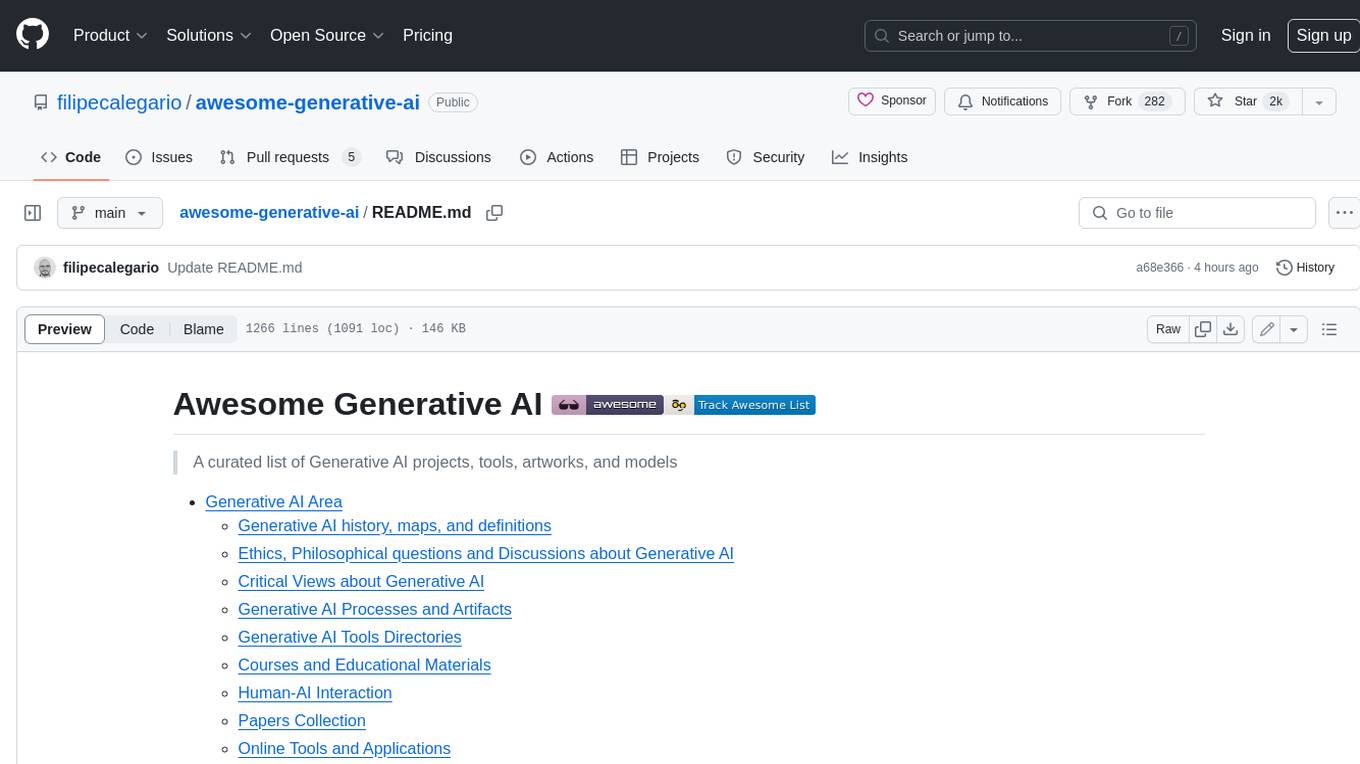
awesome-generative-ai
A curated list of Generative AI projects, tools, artworks, and models
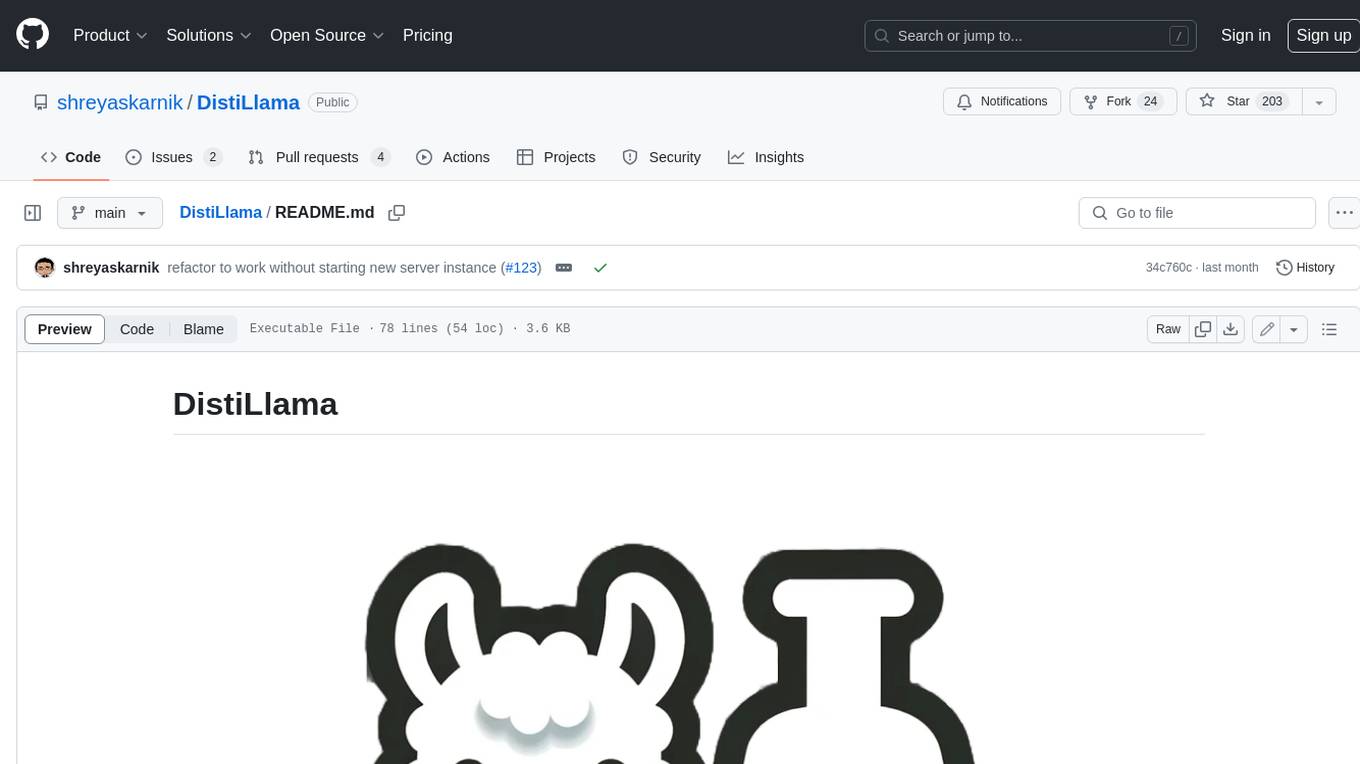
DistiLlama
DistiLlama is a Chrome extension that leverages a locally running Large Language Model (LLM) to perform various tasks, including text summarization, chat, and document analysis. It utilizes Ollama as the locally running LLM instance and LangChain for text summarization. DistiLlama provides a user-friendly interface for interacting with the LLM, allowing users to summarize web pages, chat with documents (including PDFs), and engage in text-based conversations. The extension is easy to install and use, requiring only the installation of Ollama and a few simple steps to set up the environment. DistiLlama offers a range of customization options, including the choice of LLM model and the ability to configure the summarization chain. It also supports multimodal capabilities, allowing users to interact with the LLM through text, voice, and images. DistiLlama is a valuable tool for researchers, students, and professionals who seek to leverage the power of LLMs for various tasks without compromising data privacy.
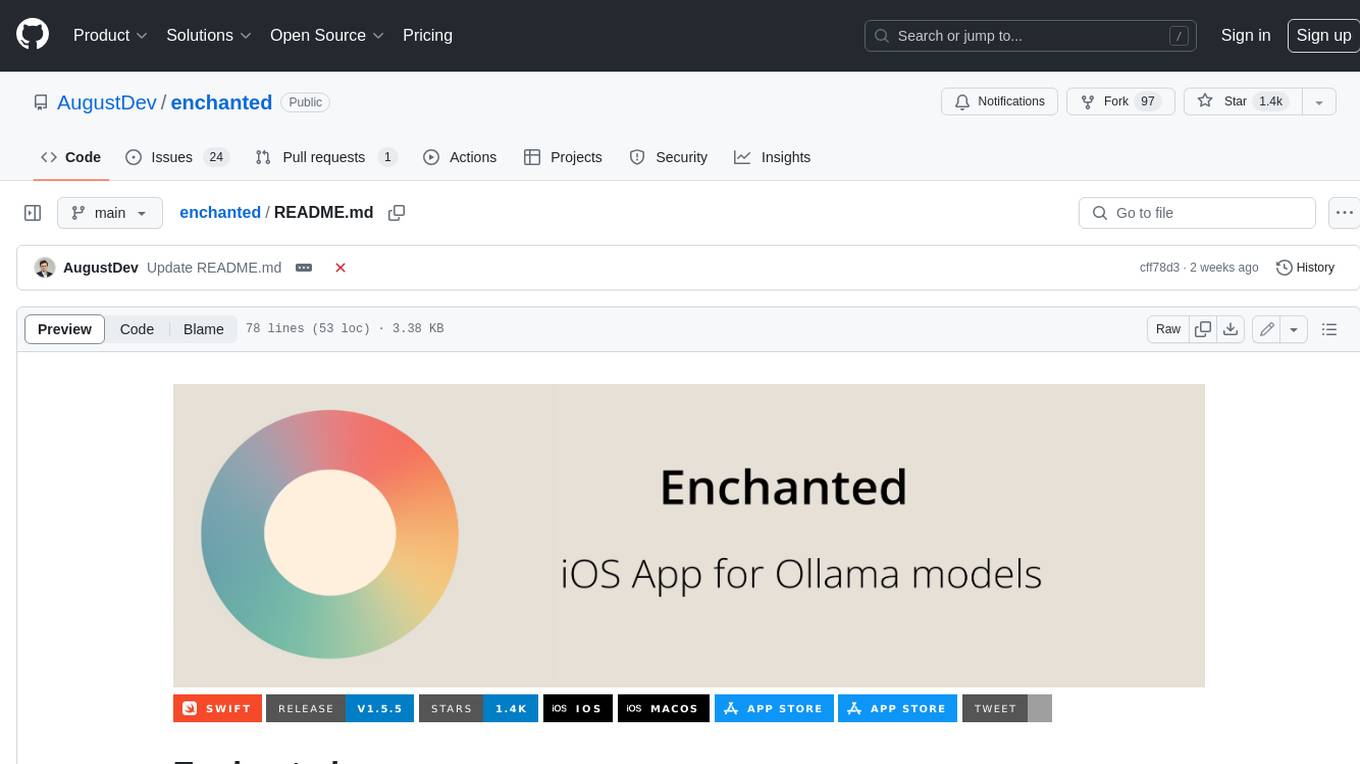
enchanted
Enchanted is an open-source, Ollama-compatible app for macOS and iOS that allows users to work with privately hosted models such as Llama 2, Mistral, Vicuna, Starling, and more. It provides a user-friendly interface for interacting with these models, making it easy to generate text, translate languages, write different kinds of creative content, and more. The app is designed to be secure and private, ensuring that user data is protected. It also offers a range of features such as dark/light mode, conversation history, markdown support, voice prompts, and image attachments.
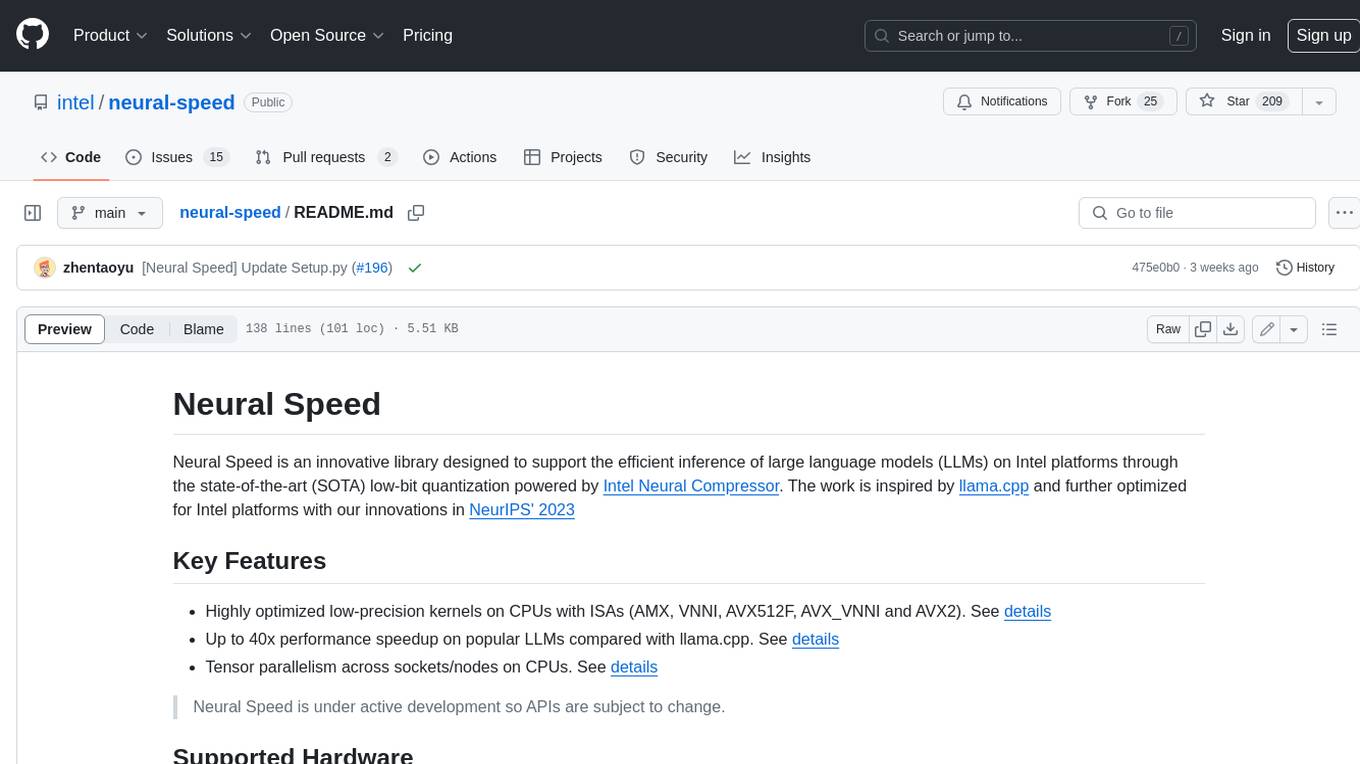
neural-speed
Neural Speed is an innovative library designed to support the efficient inference of large language models (LLMs) on Intel platforms through the state-of-the-art (SOTA) low-bit quantization powered by Intel Neural Compressor. The work is inspired by llama.cpp and further optimized for Intel platforms with our innovations in NeurIPS' 2023
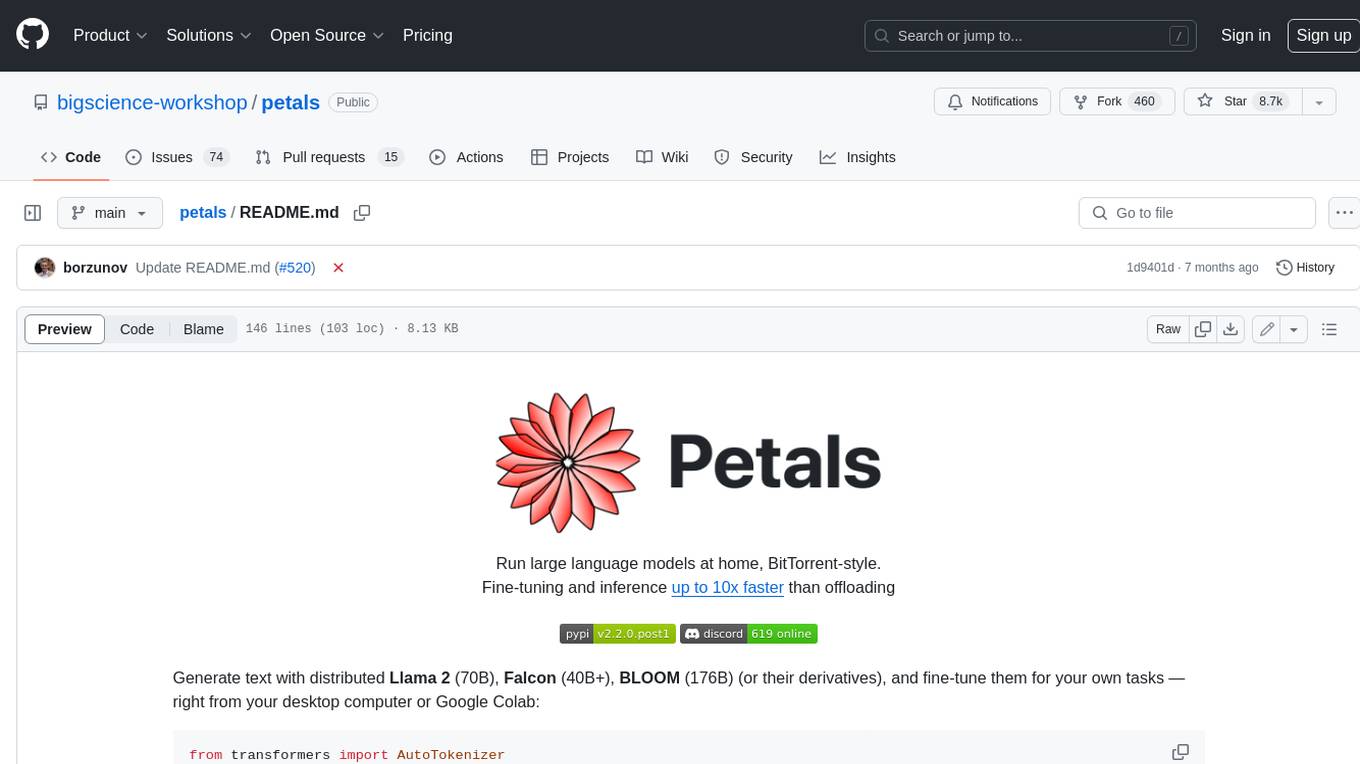
petals
Petals is a tool that allows users to run large language models at home in a BitTorrent-style manner. It enables fine-tuning and inference up to 10x faster than offloading. Users can generate text with distributed models like Llama 2, Falcon, and BLOOM, and fine-tune them for specific tasks directly from their desktop computer or Google Colab. Petals is a community-run system that relies on people sharing their GPUs to increase its capacity and offer a distributed network for hosting model layers.
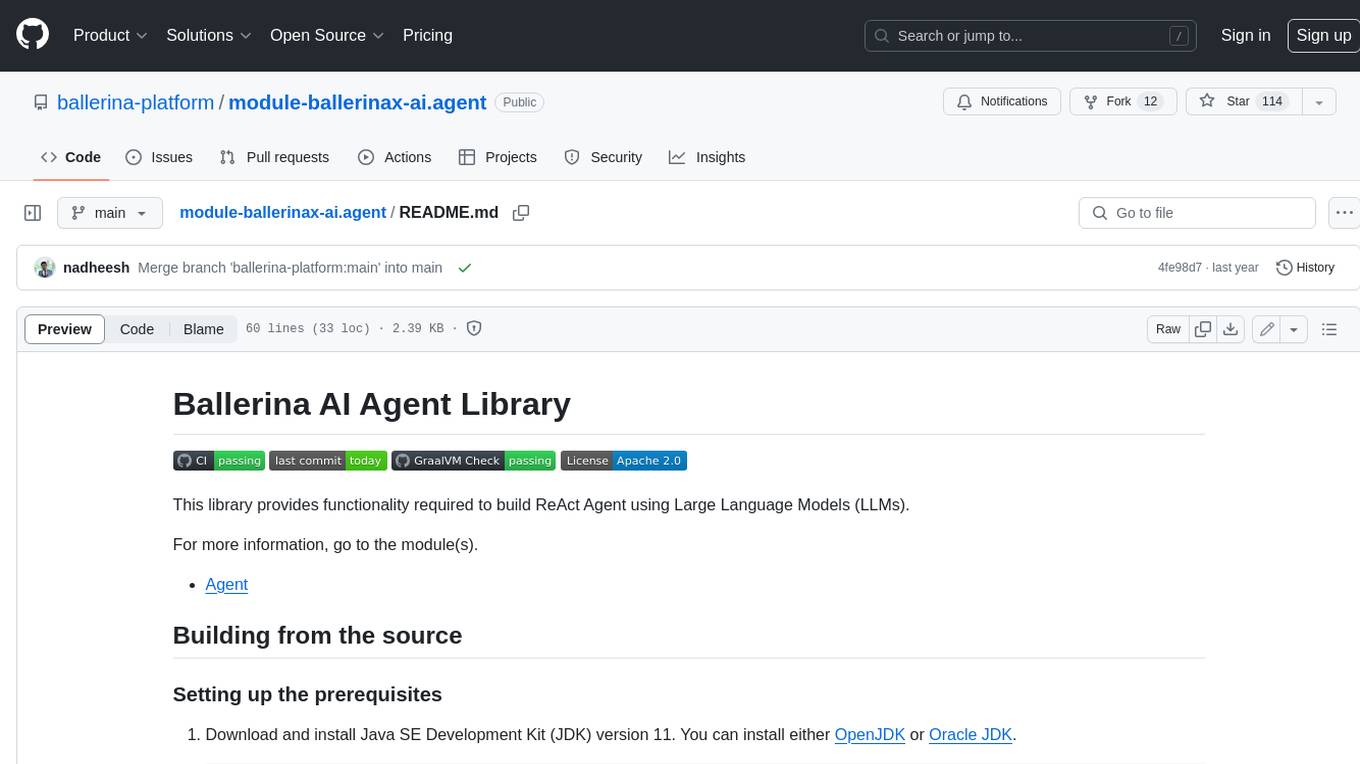
module-ballerinax-ai.agent
This library provides functionality required to build ReAct Agent using Large Language Models (LLMs).

cognita
Cognita is an open-source framework to organize your RAG codebase along with a frontend to play around with different RAG customizations. It provides a simple way to organize your codebase so that it becomes easy to test it locally while also being able to deploy it in a production ready environment. The key issues that arise while productionizing RAG system from a Jupyter Notebook are: 1. **Chunking and Embedding Job** : The chunking and embedding code usually needs to be abstracted out and deployed as a job. Sometimes the job will need to run on a schedule or be trigerred via an event to keep the data updated. 2. **Query Service** : The code that generates the answer from the query needs to be wrapped up in a api server like FastAPI and should be deployed as a service. This service should be able to handle multiple queries at the same time and also autoscale with higher traffic. 3. **LLM / Embedding Model Deployment** : Often times, if we are using open-source models, we load the model in the Jupyter notebook. This will need to be hosted as a separate service in production and model will need to be called as an API. 4. **Vector DB deployment** : Most testing happens on vector DBs in memory or on disk. However, in production, the DBs need to be deployed in a more scalable and reliable way. Cognita makes it really easy to customize and experiment everything about a RAG system and still be able to deploy it in a good way. It also ships with a UI that makes it easier to try out different RAG configurations and see the results in real time. You can use it locally or with/without using any Truefoundry components. However, using Truefoundry components makes it easier to test different models and deploy the system in a scalable way. Cognita allows you to host multiple RAG systems using one app. ### Advantages of using Cognita are: 1. A central reusable repository of parsers, loaders, embedders and retrievers. 2. Ability for non-technical users to play with UI - Upload documents and perform QnA using modules built by the development team. 3. Fully API driven - which allows integration with other systems. > If you use Cognita with Truefoundry AI Gateway, you can get logging, metrics and feedback mechanism for your user queries. ### Features: 1. Support for multiple document retrievers that use `Similarity Search`, `Query Decompostion`, `Document Reranking`, etc 2. Support for SOTA OpenSource embeddings and reranking from `mixedbread-ai` 3. Support for using LLMs using `Ollama` 4. Support for incremental indexing that ingests entire documents in batches (reduces compute burden), keeps track of already indexed documents and prevents re-indexing of those docs.
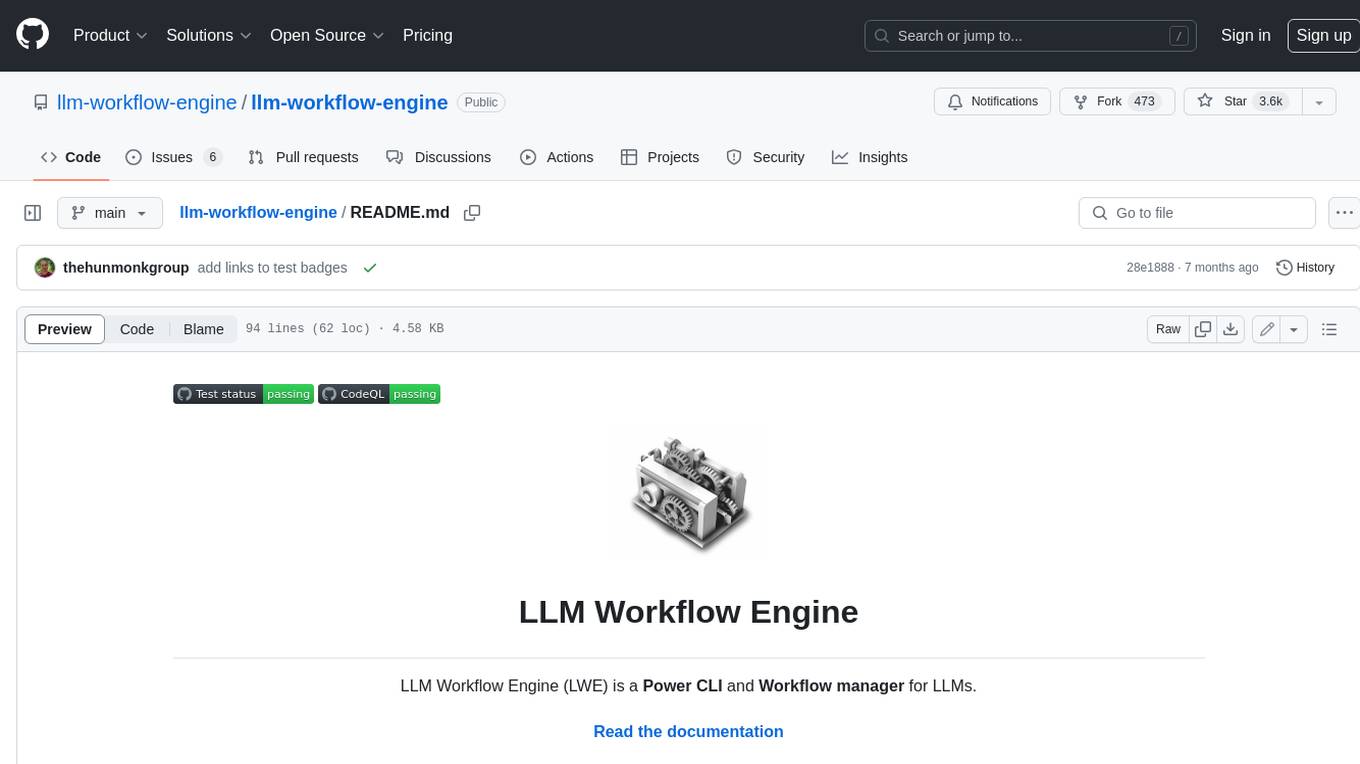
llm-workflow-engine
LLM Workflow Engine (LWE) is a powerful command-line interface (CLI) and workflow manager for large language models (LLMs) like ChatGPT and GPT4. It allows users to interact with LLMs directly from their terminal, making it easy to automate tasks and build complex workflows. LWE supports the official ChatGPT API, providing access to all supported models through your OpenAI account. Additionally, it features a simple plugin architecture that enables users to extend its functionality and integrate with other LLMs. LWE also offers a Python API for integrating LLM capabilities into Python scripts. Notable projects built using the original ChatGPT Wrapper, which LWE evolved from, include bookast, ChatGPT.el, ChatGPT Reddit Bot, Smarty GPT, ChatGPTify, and selection-to-chatgpt.
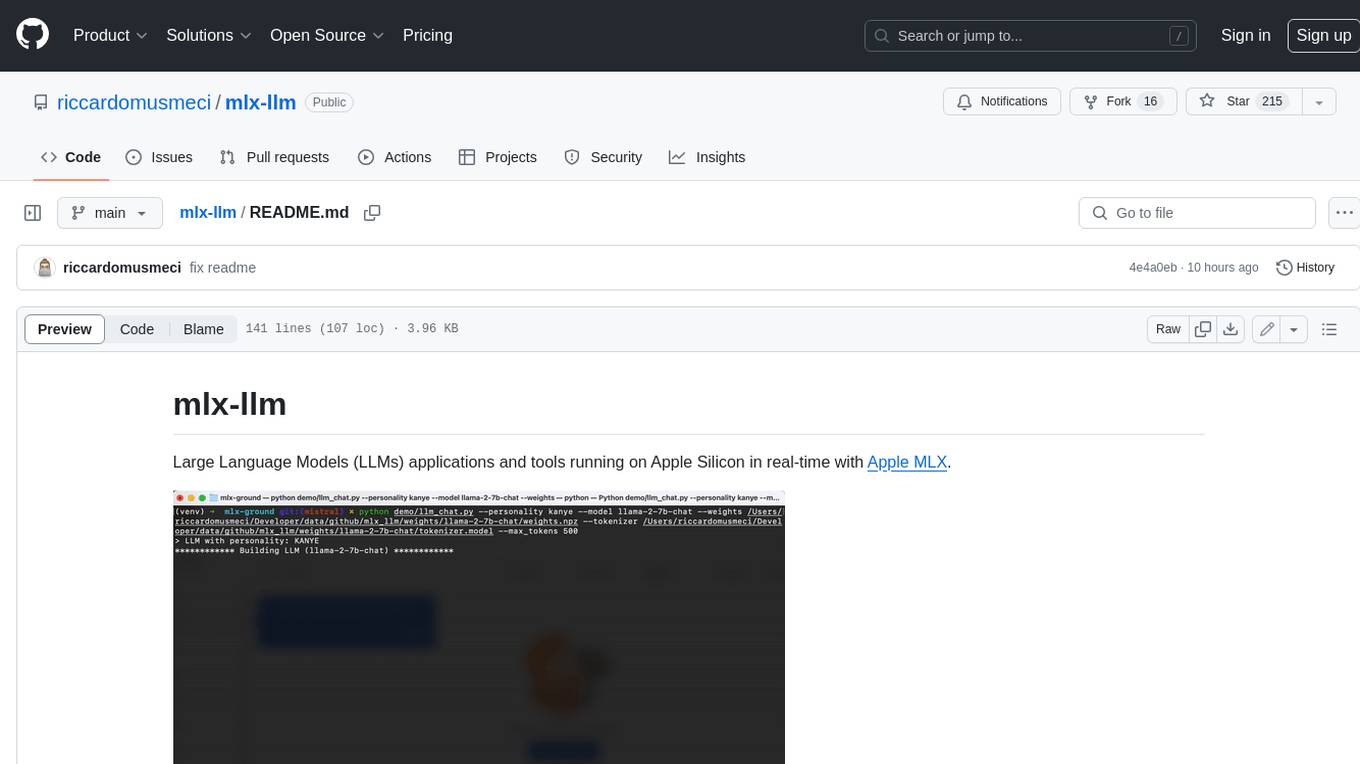
mlx-llm
mlx-llm is a library that allows you to run Large Language Models (LLMs) on Apple Silicon devices in real-time using Apple's MLX framework. It provides a simple and easy-to-use API for creating, loading, and using LLM models, as well as a variety of applications such as chatbots, fine-tuning, and retrieval-augmented generation.
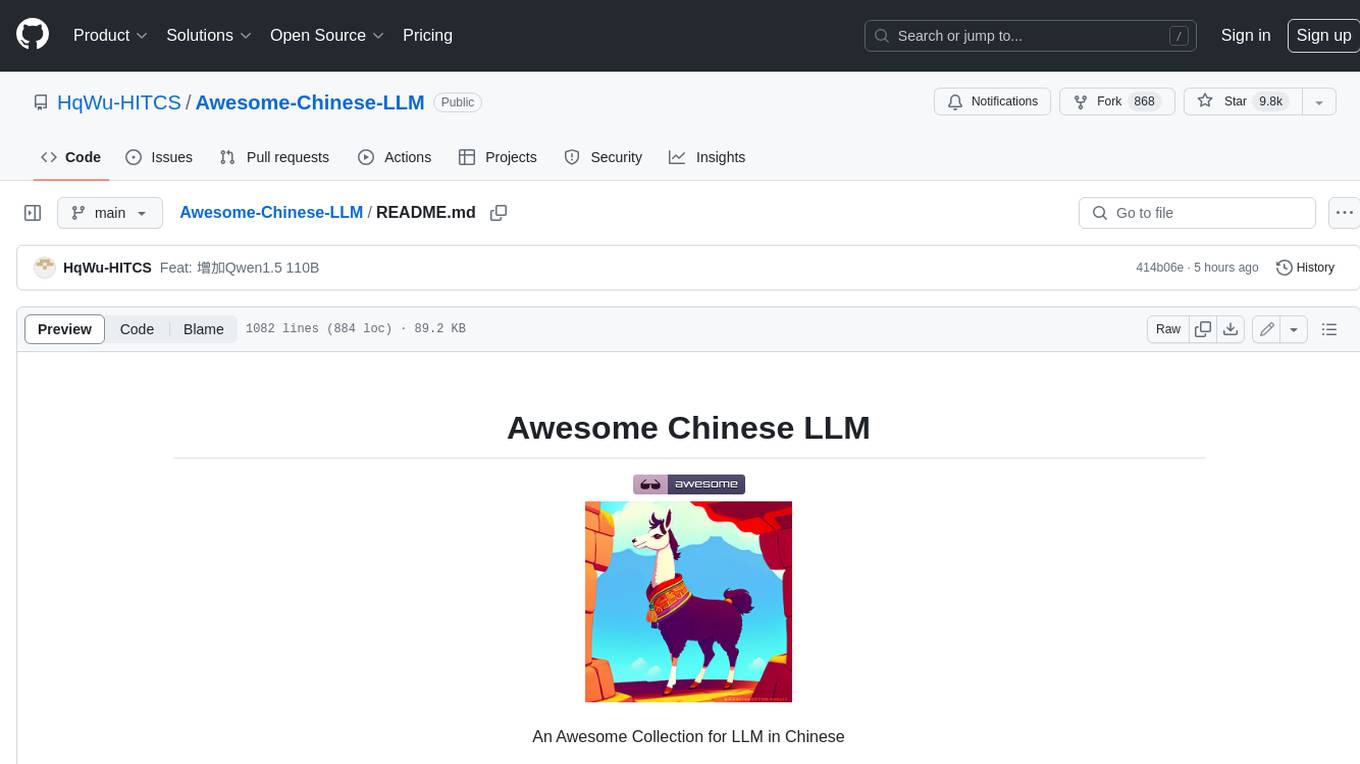
Awesome-Chinese-LLM
Analyze the following text from a github repository (name and readme text at end) . Then, generate a JSON object with the following keys and provide the corresponding information for each key, ,'for_jobs' (List 5 jobs suitable for this tool,in lowercase letters), 'ai_keywords' (keywords of the tool,in lowercase letters), 'for_tasks' (list of 5 specific tasks user can use this tool to do,in less than 3 words,Verb + noun form,in daily spoken language,in lowercase letters).Answer in english languagesname:Awesome-Chinese-LLM readme:# Awesome Chinese LLM   An Awesome Collection for LLM in Chinese 收集和梳理中文LLM相关    自ChatGPT为代表的大语言模型(Large Language Model, LLM)出现以后,由于其惊人的类通用人工智能(AGI)的能力,掀起了新一轮自然语言处理领域的研究和应用的浪潮。尤其是以ChatGLM、LLaMA等平民玩家都能跑起来的较小规模的LLM开源之后,业界涌现了非常多基于LLM的二次微调或应用的案例。本项目旨在收集和梳理中文LLM相关的开源模型、应用、数据集及教程等资料,目前收录的资源已达100+个! 如果本项目能给您带来一点点帮助,麻烦点个⭐️吧~ 同时也欢迎大家贡献本项目未收录的开源模型、应用、数据集等。提供新的仓库信息请发起PR,并按照本项目的格式提供仓库链接、star数,简介等相关信息,感谢~
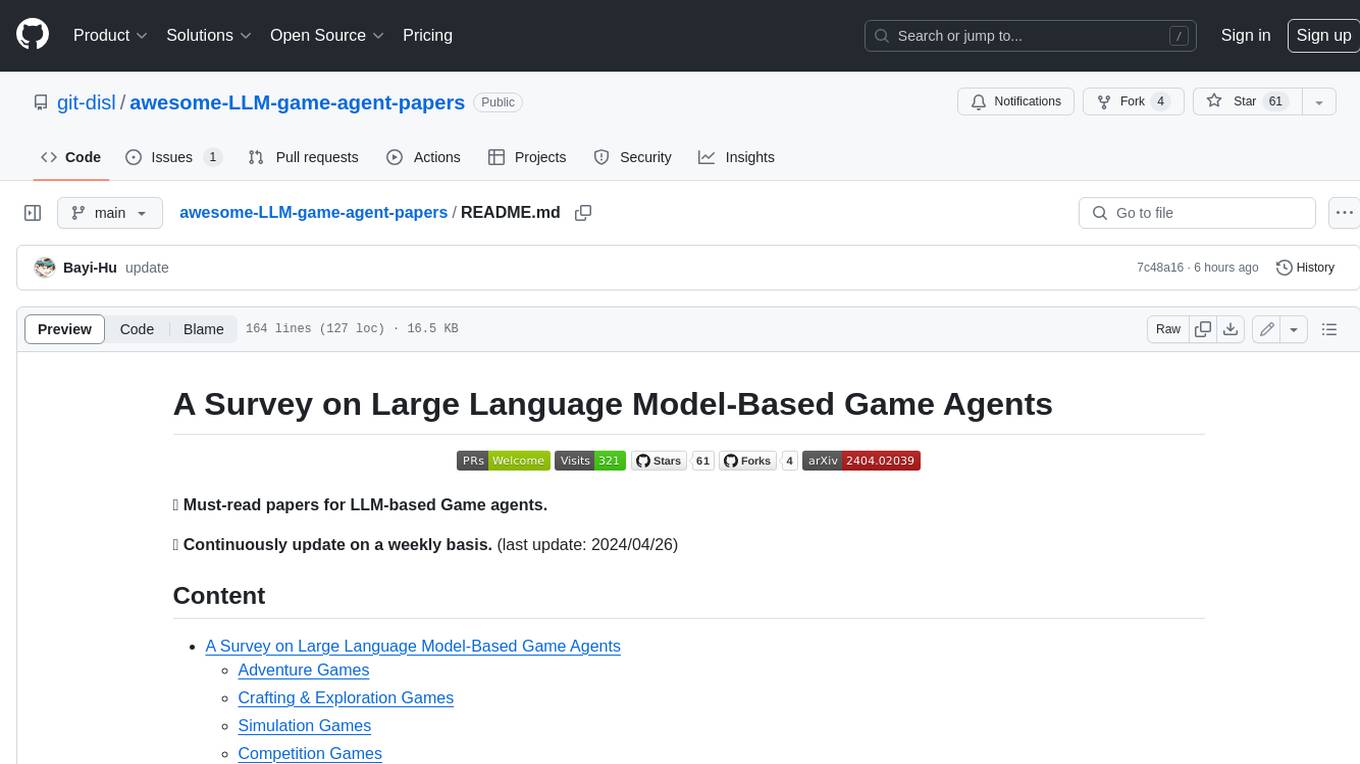
awesome-LLM-game-agent-papers
This repository provides a comprehensive survey of research papers on large language model (LLM)-based game agents. LLMs are powerful AI models that can understand and generate human language, and they have shown great promise for developing intelligent game agents. This survey covers a wide range of topics, including adventure games, crafting and exploration games, simulation games, competition games, cooperation games, communication games, and action games. For each topic, the survey provides an overview of the state-of-the-art research, as well as a discussion of the challenges and opportunities for future work.
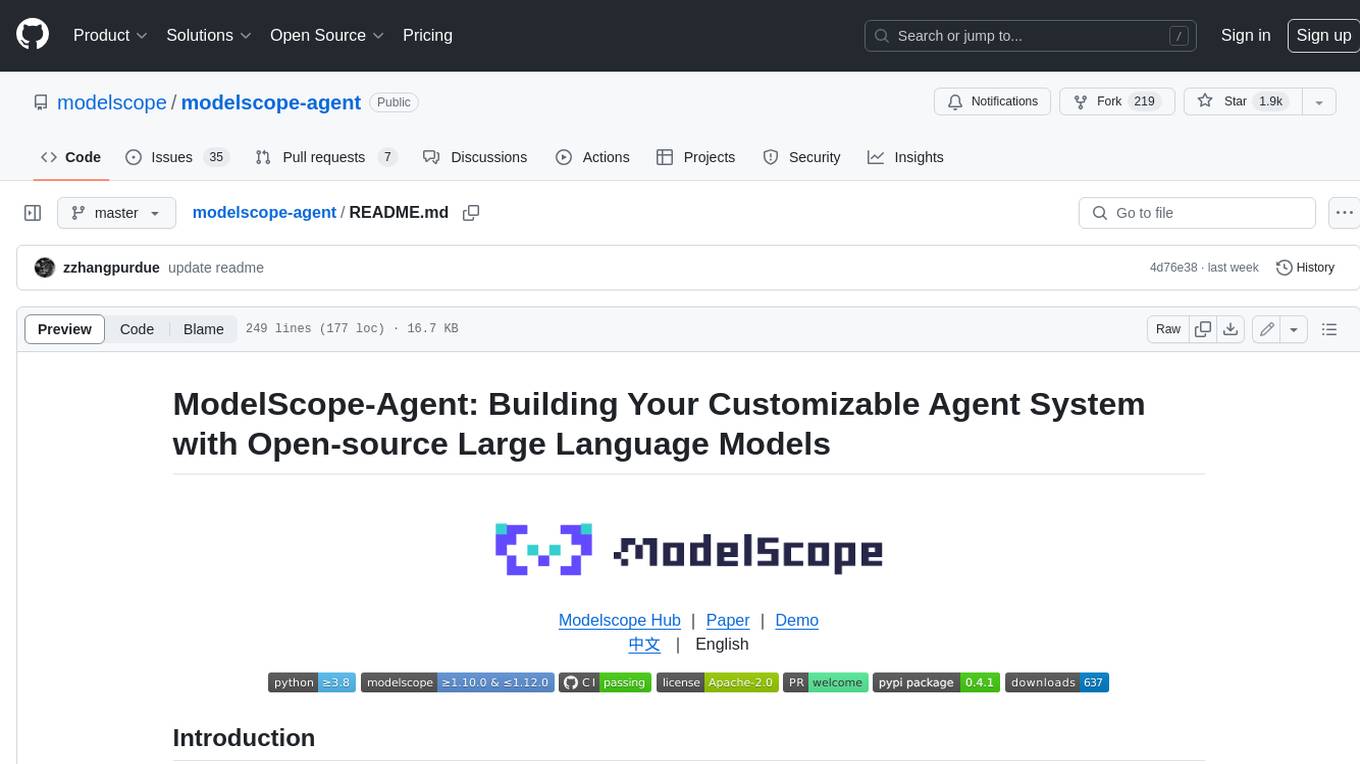
modelscope-agent
ModelScope-Agent is a customizable and scalable Agent framework. A single agent has abilities such as role-playing, LLM calling, tool usage, planning, and memory. It mainly has the following characteristics: - **Simple Agent Implementation Process**: Simply specify the role instruction, LLM name, and tool name list to implement an Agent application. The framework automatically arranges workflows for tool usage, planning, and memory. - **Rich models and tools**: The framework is equipped with rich LLM interfaces, such as Dashscope and Modelscope model interfaces, OpenAI model interfaces, etc. Built in rich tools, such as **code interpreter**, **weather query**, **text to image**, **web browsing**, etc., make it easy to customize exclusive agents. - **Unified interface and high scalability**: The framework has clear tools and LLM registration mechanism, making it convenient for users to expand more diverse Agent applications. - **Low coupling**: Developers can easily use built-in tools, LLM, memory, and other components without the need to bind higher-level agents.
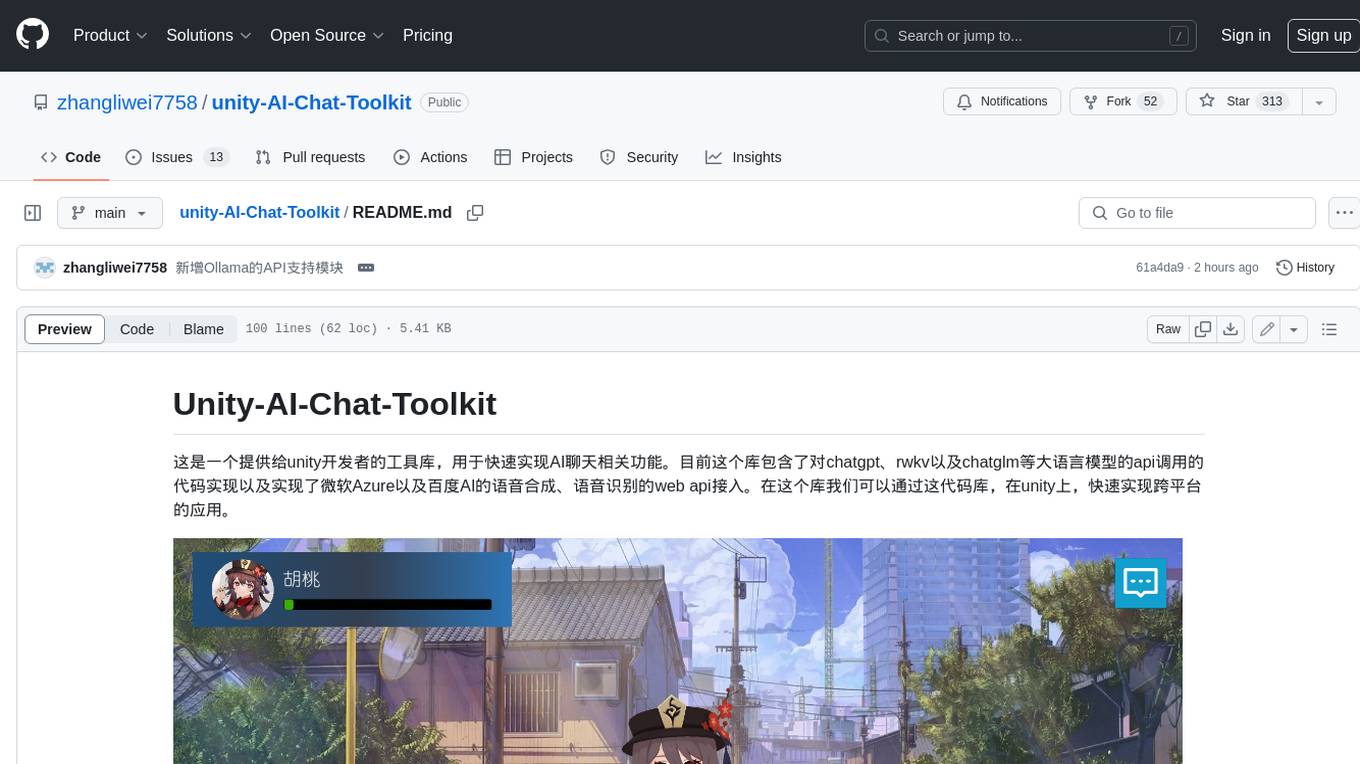
unity-AI-Chat-Toolkit
The Unity-AI-Chat-Toolkit is a toolset for Unity developers to quickly implement AI chat-related functions. Currently, this library includes code implementations for API calls to large language models such as ChatGPT, RKV, and ChatGLM, as well as web API access to Microsoft Azure and Baidu AI for speech synthesis and speech recognition. With this library, we can quickly implement cross-platform applications on Unity.
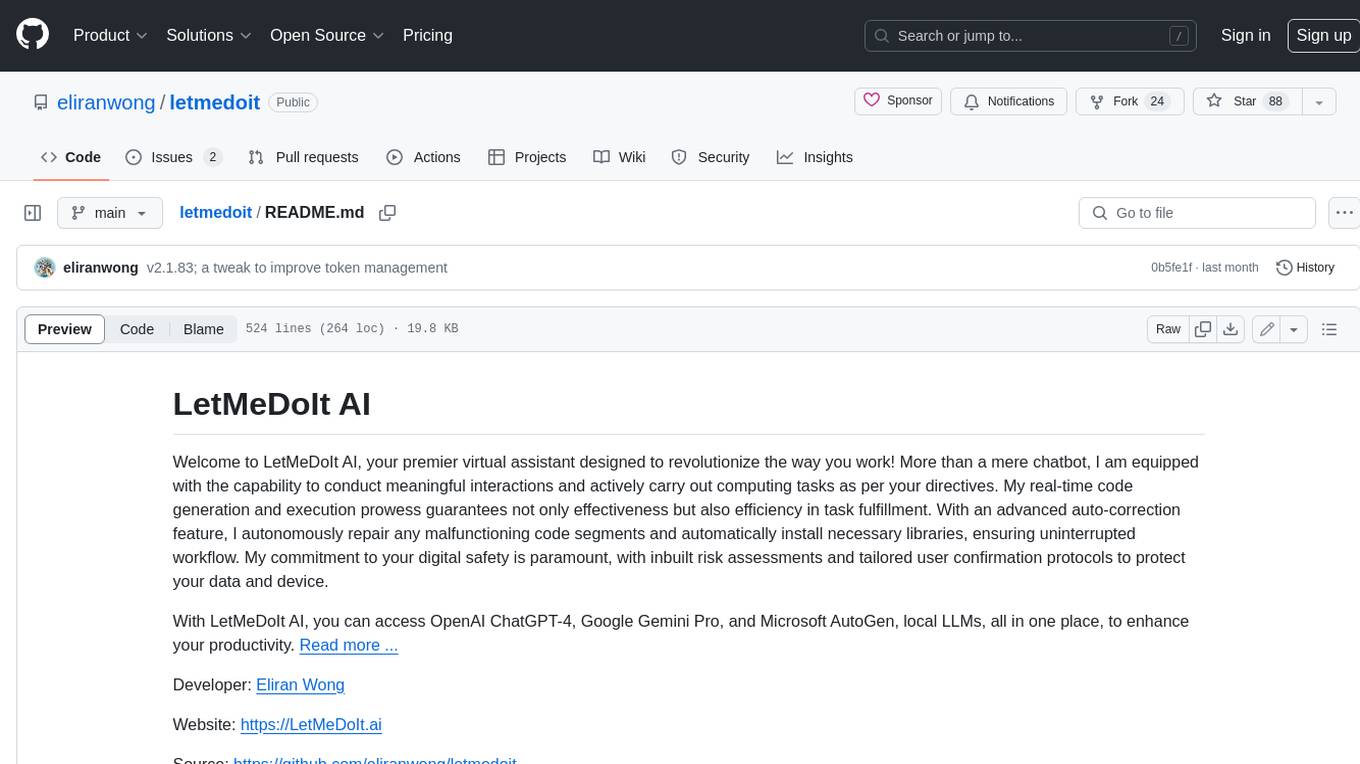
letmedoit
LetMeDoIt AI is a virtual assistant designed to revolutionize the way you work. It goes beyond being a mere chatbot by offering a unique and powerful capability - the ability to execute commands and perform computing tasks on your behalf. With LetMeDoIt AI, you can access OpenAI ChatGPT-4, Google Gemini Pro, and Microsoft AutoGen, local LLMs, all in one place, to enhance your productivity.
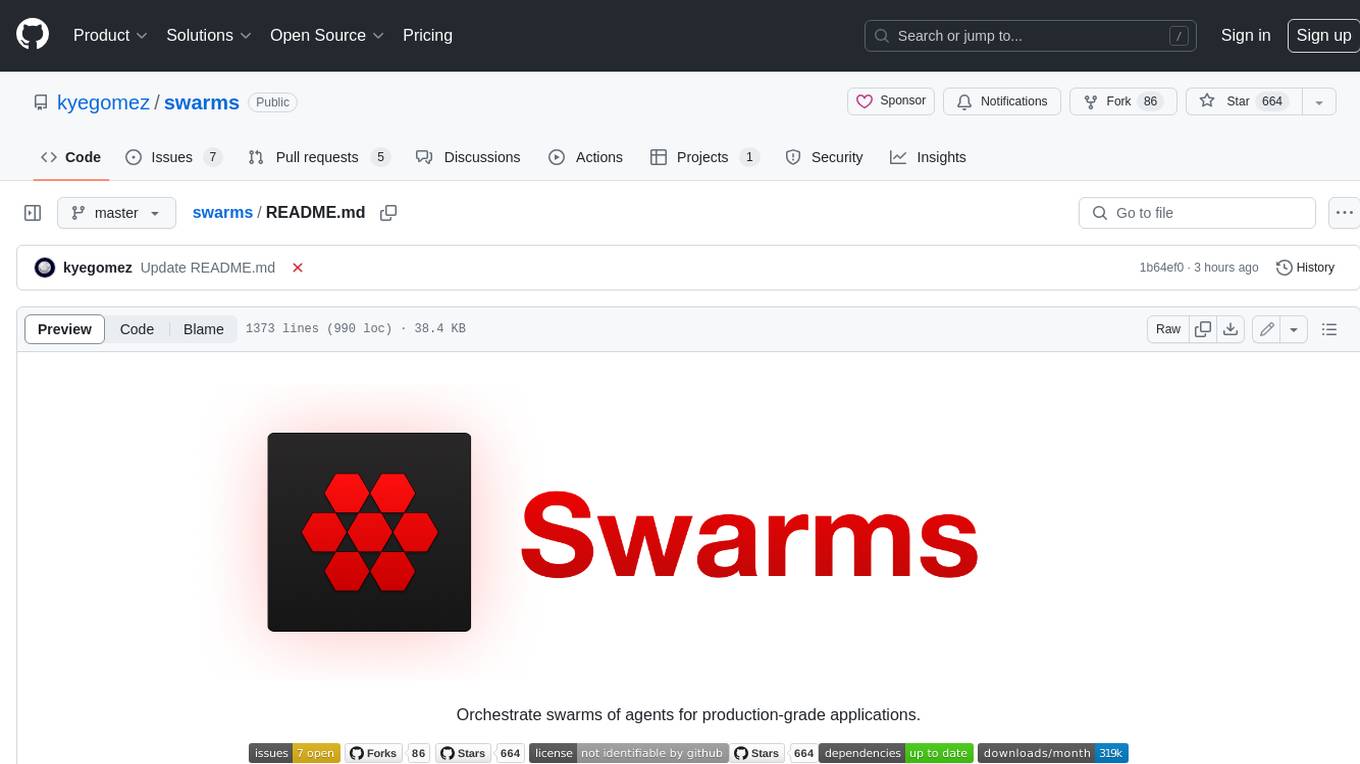
swarms
Swarms provides simple, reliable, and agile tools to create your own Swarm tailored to your specific needs. Currently, Swarms is being used in production by RBC, John Deere, and many AI startups.
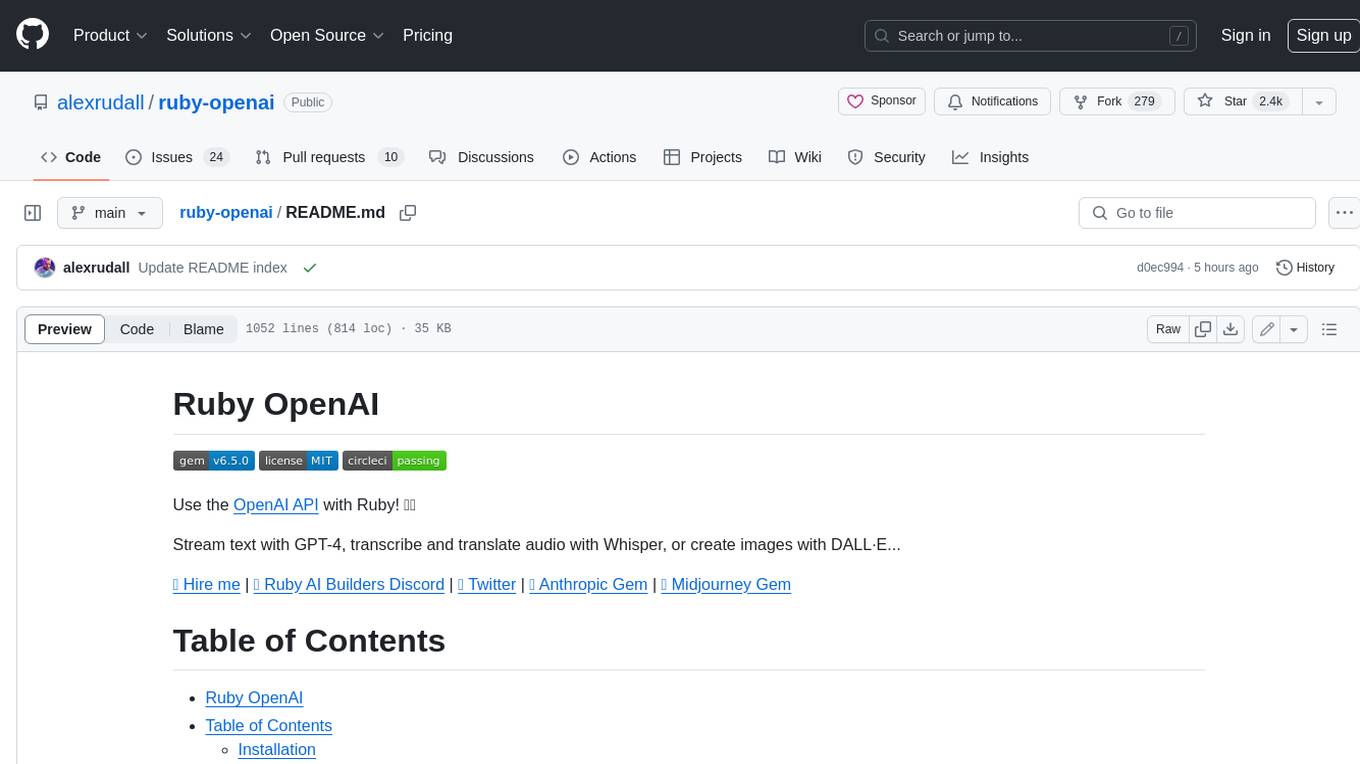
ruby-openai
Use the OpenAI API with Ruby! 🤖🩵 Stream text with GPT-4, transcribe and translate audio with Whisper, or create images with DALL·E... Hire me | 🎮 Ruby AI Builders Discord | 🐦 Twitter | 🧠 Anthropic Gem | 🚂 Midjourney Gem ## Table of Contents * Ruby OpenAI * Table of Contents * Installation * Bundler * Gem install * Usage * Quickstart * With Config * Custom timeout or base URI * Extra Headers per Client * Logging * Errors * Faraday middleware * Azure * Ollama * Counting Tokens * Models * Examples * Chat * Streaming Chat * Vision * JSON Mode * Functions * Edits * Embeddings * Batches * Files * Finetunes * Assistants * Threads and Messages * Runs * Runs involving function tools * Image Generation * DALL·E 2 * DALL·E 3 * Image Edit * Image Variations * Moderations * Whisper * Translate * Transcribe * Speech * Errors * Development * Release * Contributing * License * Code of Conduct
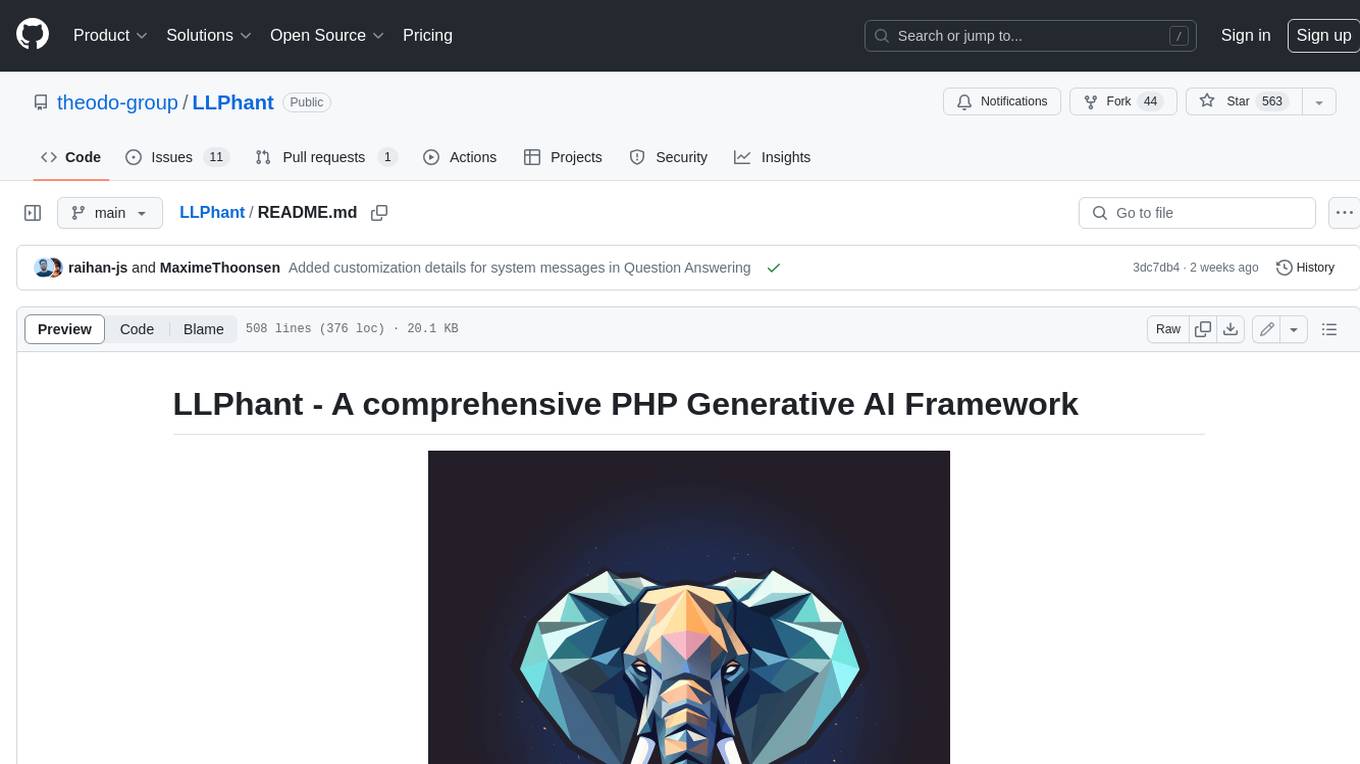
LLPhant
LLPhant is a comprehensive PHP Generative AI Framework that provides a simple and powerful way to build apps. It supports Symfony and Laravel and offers a wide range of features, including text generation, chatbots, text summarization, and more. LLPhant is compatible with OpenAI and Ollama and can be used to perform a variety of tasks, including creating semantic search, chatbots, personalized content, and text summarization.
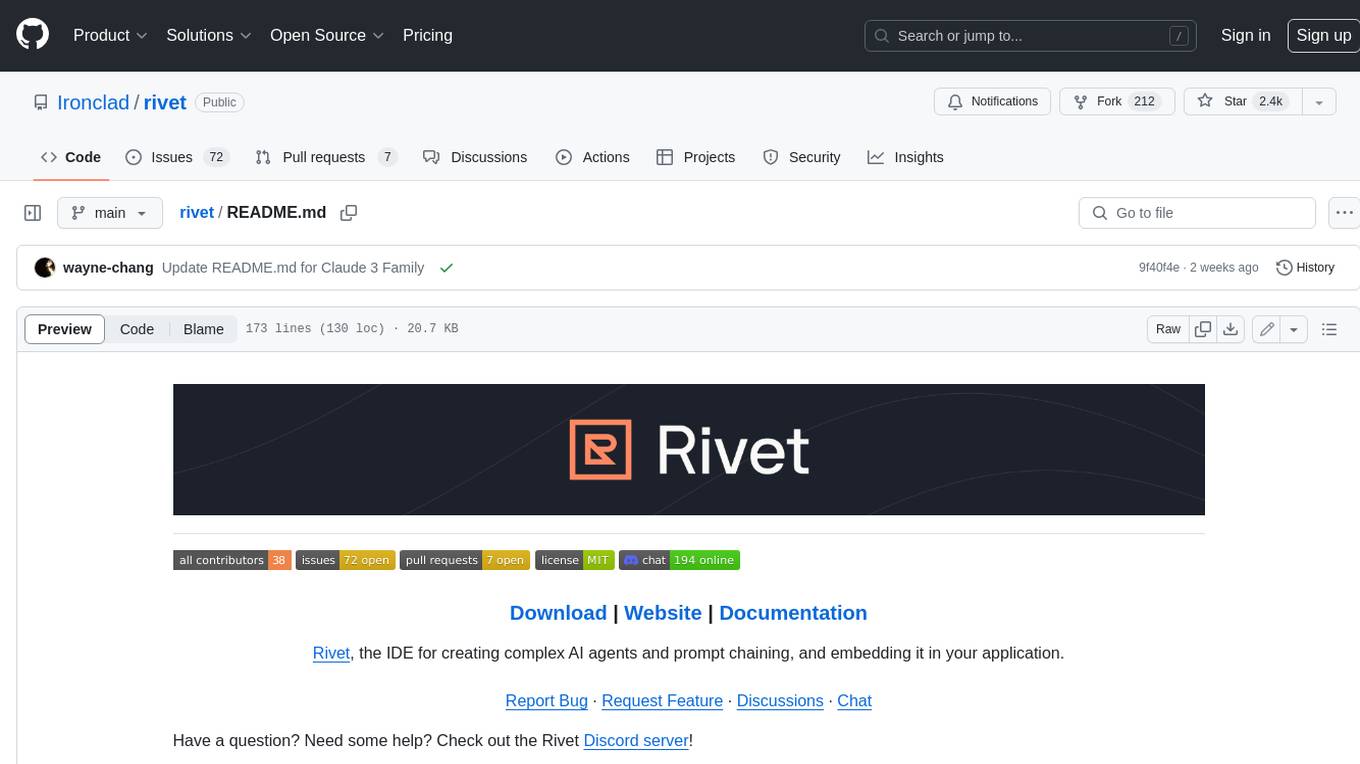
rivet
Rivet is a desktop application for creating complex AI agents and prompt chaining, and embedding it in your application. Rivet currently has LLM support for OpenAI GPT-3.5 and GPT-4, Anthropic Claude Instant and Claude 2, [Anthropic Claude 3 Haiku, Sonnet, and Opus](https://www.anthropic.com/news/claude-3-family), and AssemblyAI LeMUR framework for voice data. Rivet has embedding/vector database support for OpenAI Embeddings and Pinecone. Rivet also supports these additional integrations: Audio Transcription from AssemblyAI. Rivet core is a TypeScript library for running graphs created in Rivet. It is used by the Rivet application, but can also be used in your own applications, so that Rivet can call into your own application's code, and your application can call into Rivet graphs.
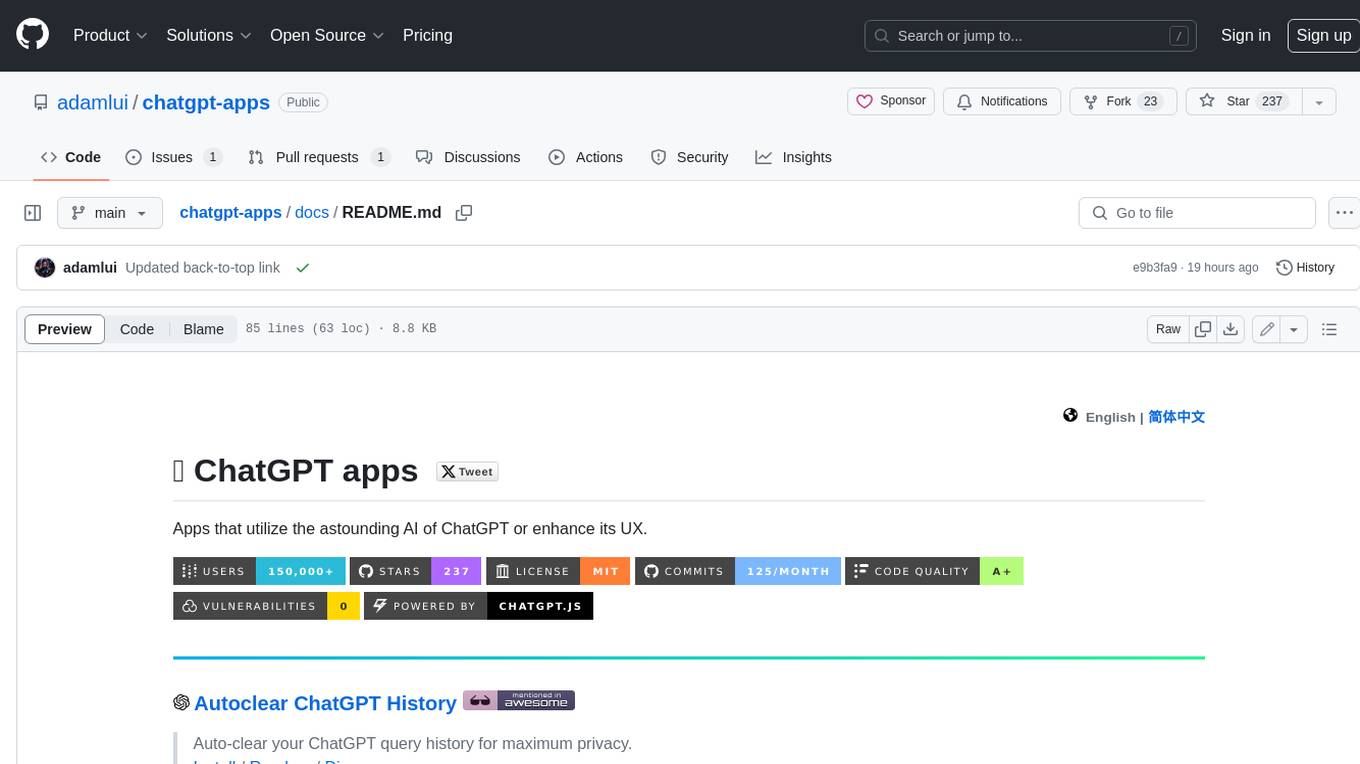
chatgpt-apps
This repository contains a collection of apps that utilize the astounding AI of ChatGPT or enhance its UX. These apps range from simple scripts to full-fledged extensions, each designed to make your ChatGPT experience more efficient, enjoyable, or private.
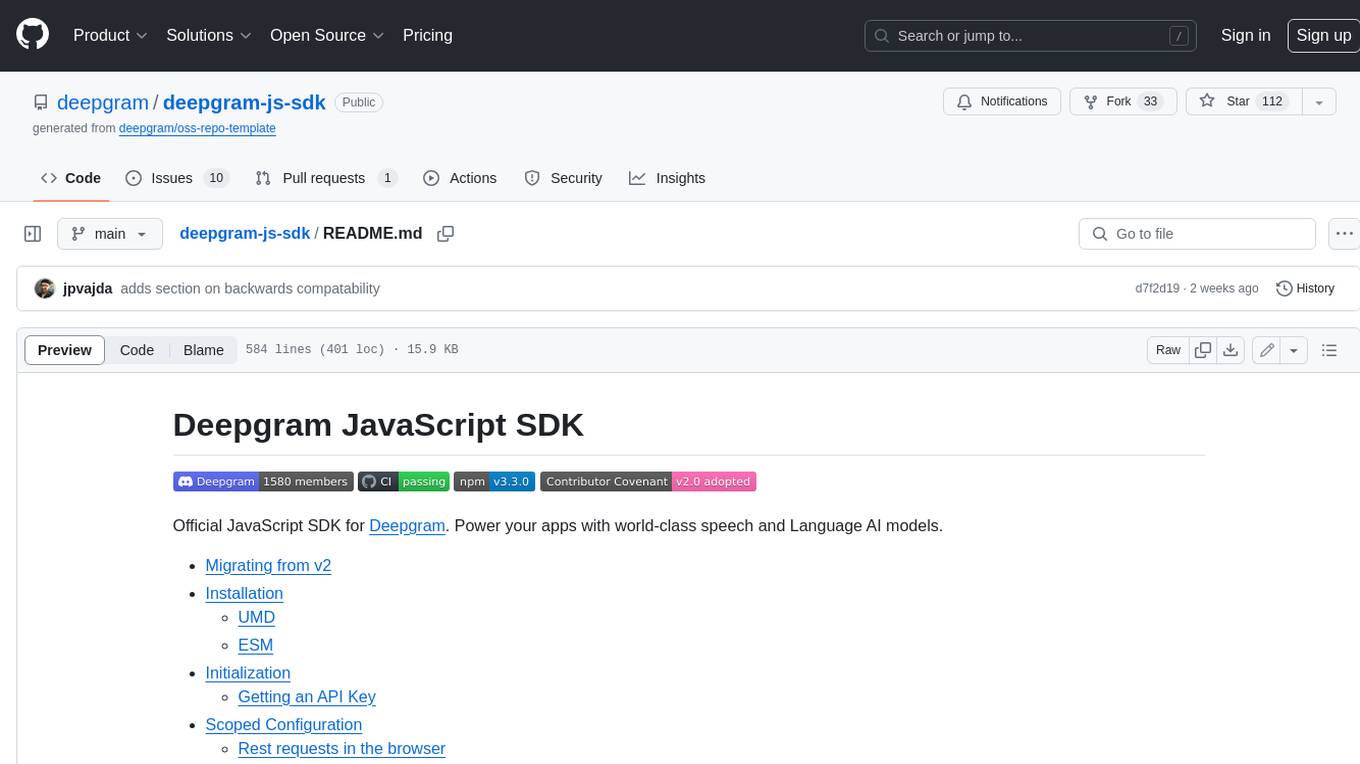
deepgram-js-sdk
Deepgram JavaScript SDK. Power your apps with world-class speech and Language AI models.
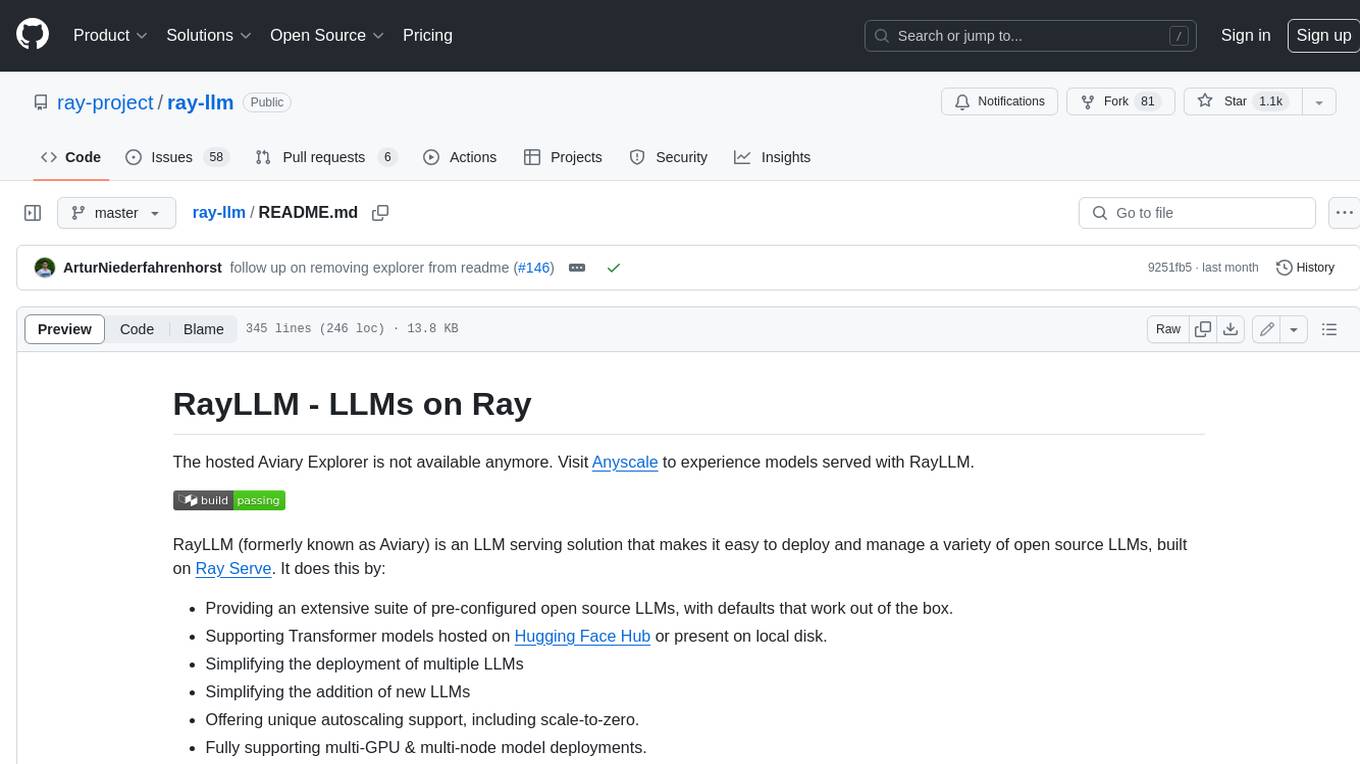
ray-llm
RayLLM (formerly known as Aviary) is an LLM serving solution that makes it easy to deploy and manage a variety of open source LLMs, built on Ray Serve. It provides an extensive suite of pre-configured open source LLMs, with defaults that work out of the box. RayLLM supports Transformer models hosted on Hugging Face Hub or present on local disk. It simplifies the deployment of multiple LLMs, the addition of new LLMs, and offers unique autoscaling support, including scale-to-zero. RayLLM fully supports multi-GPU & multi-node model deployments and offers high performance features like continuous batching, quantization and streaming. It provides a REST API that is similar to OpenAI's to make it easy to migrate and cross test them. RayLLM supports multiple LLM backends out of the box, including vLLM and TensorRT-LLM.
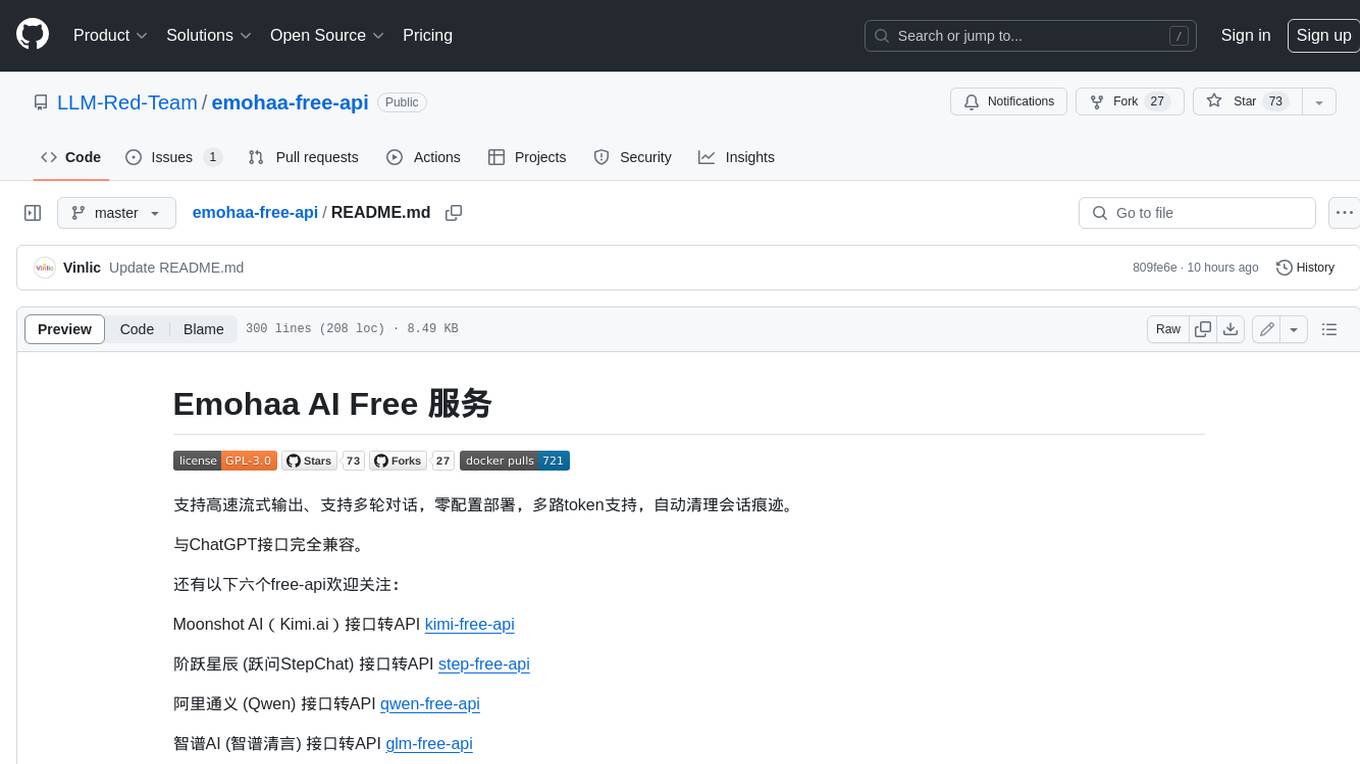
emohaa-free-api
Emohaa AI Free API is a free API that allows you to access the Emohaa AI chatbot. Emohaa AI is a powerful chatbot that can understand and respond to a wide range of natural language queries. It can be used for a variety of purposes, such as customer service, information retrieval, and language translation. The Emohaa AI Free API is easy to use and can be integrated into any application. It is a great way to add AI capabilities to your projects without having to build your own chatbot from scratch.
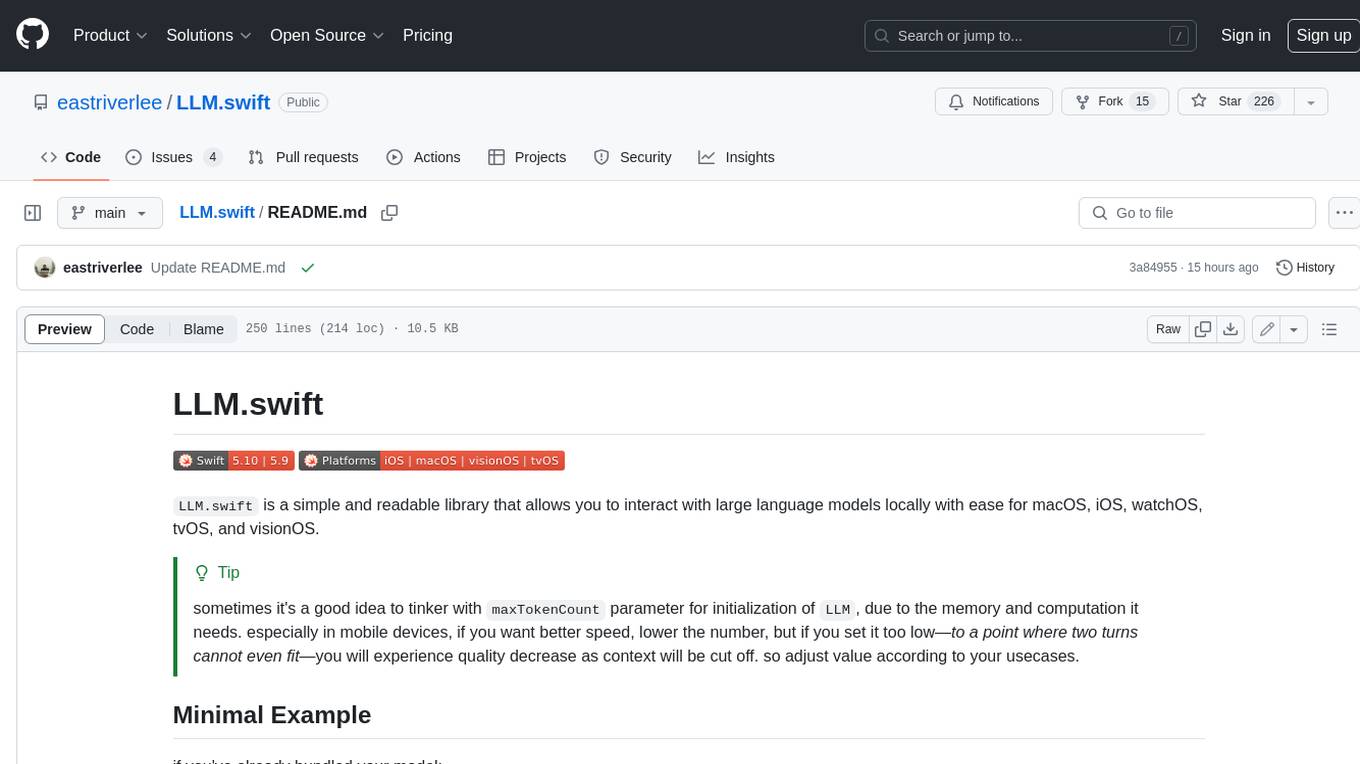
LLM.swift
LLM.swift is a simple and readable library that allows you to interact with large language models locally with ease for macOS, iOS, watchOS, tvOS, and visionOS. It's a lightweight abstraction layer over `llama.cpp` package, so that it stays as performant as possible while is always up to date. Theoretically, any model that works on `llama.cpp` should work with this library as well. It's only a single file library, so you can copy, study and modify the code however you want.
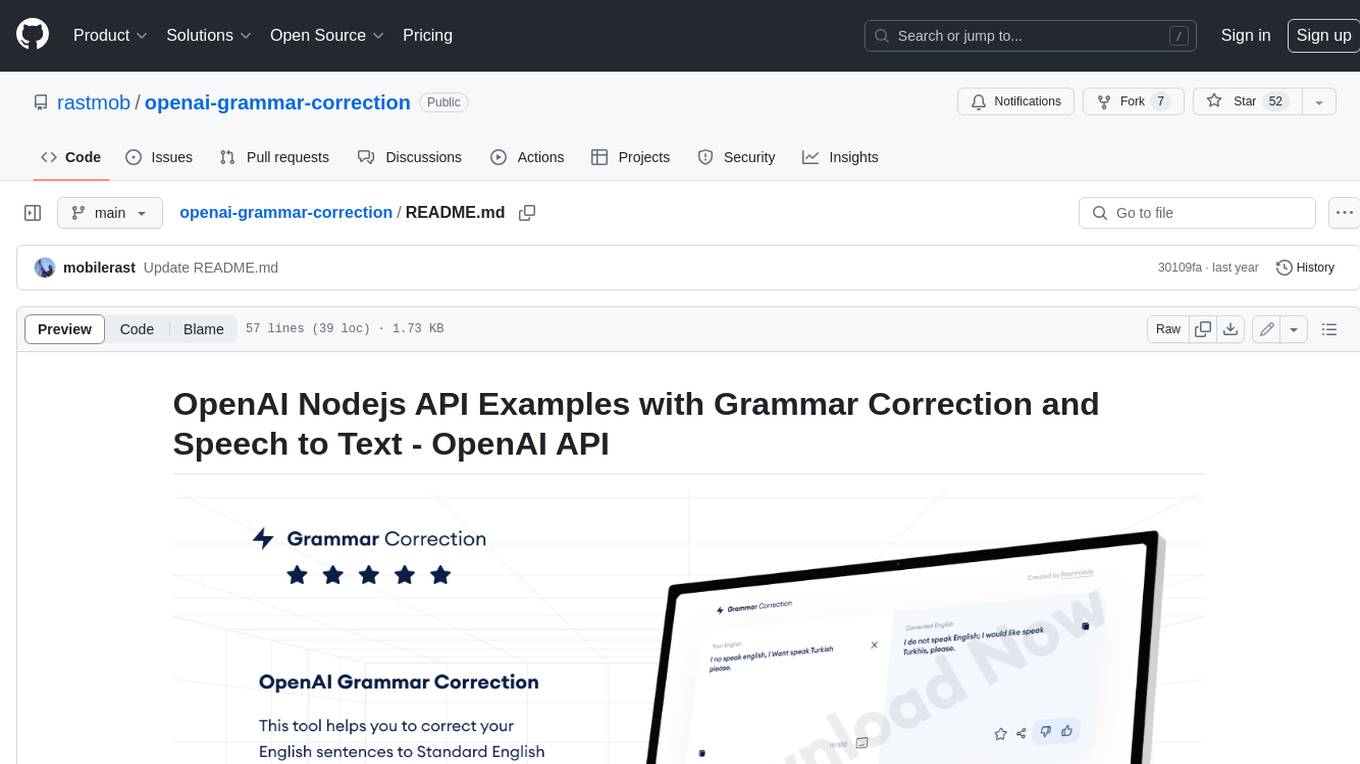
openai-grammar-correction
This project is a Node.js API example that utilizes the OpenAI API for grammar correction and speech-to-text conversion. It helps users correct their English sentences to standard English by leveraging the capabilities of the OpenAI API. The project consists of two applications: Angular and Node.js. Users can follow the installation steps to set up the project in their environment and utilize the OpenAI implementation to correct English sentences. The project also provides guidelines for contribution and support.
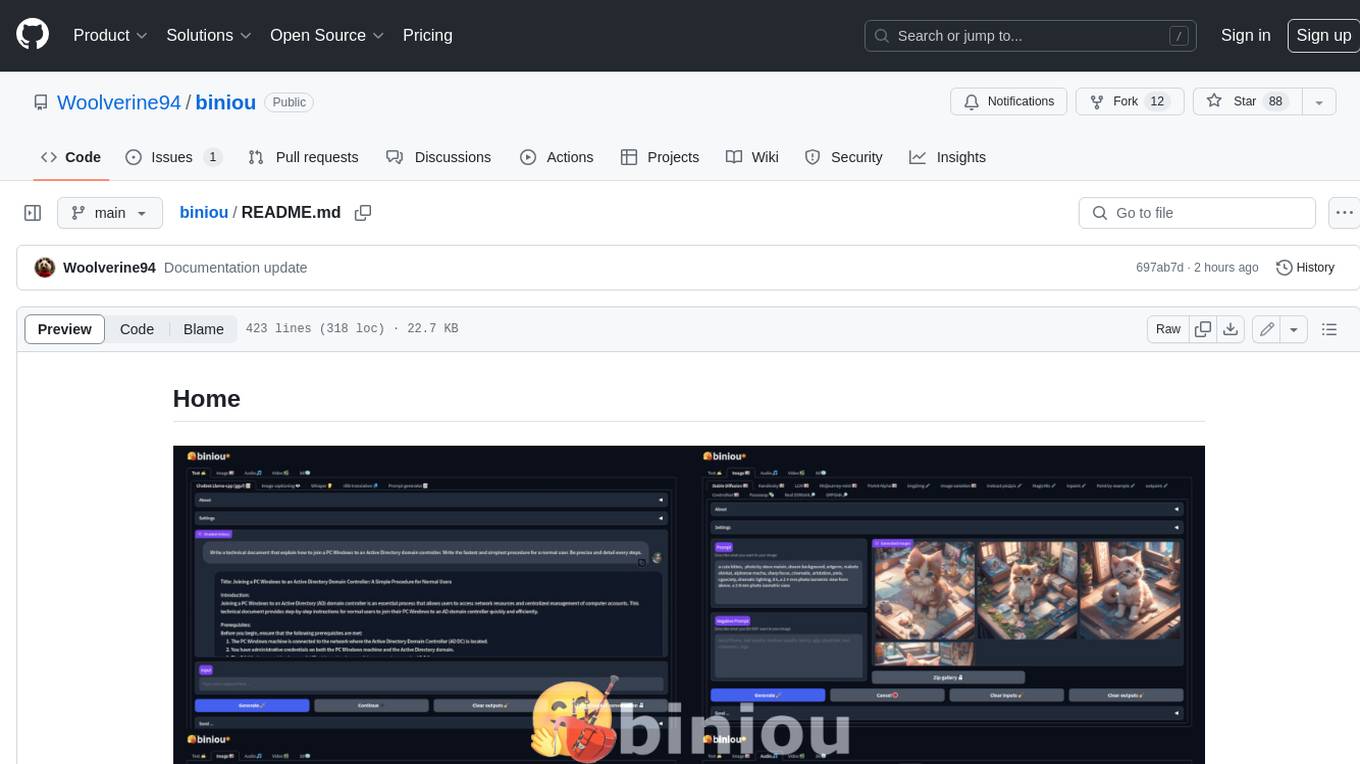
biniou
biniou is a self-hosted webui for various GenAI (generative artificial intelligence) tasks. It allows users to generate multimedia content using AI models and chatbots on their own computer, even without a dedicated GPU. The tool can work offline once deployed and required models are downloaded. It offers a wide range of features for text, image, audio, video, and 3D object generation and modification. Users can easily manage the tool through a control panel within the webui, with support for various operating systems and CUDA optimization. biniou is powered by Huggingface and Gradio, providing a cross-platform solution for AI content generation.
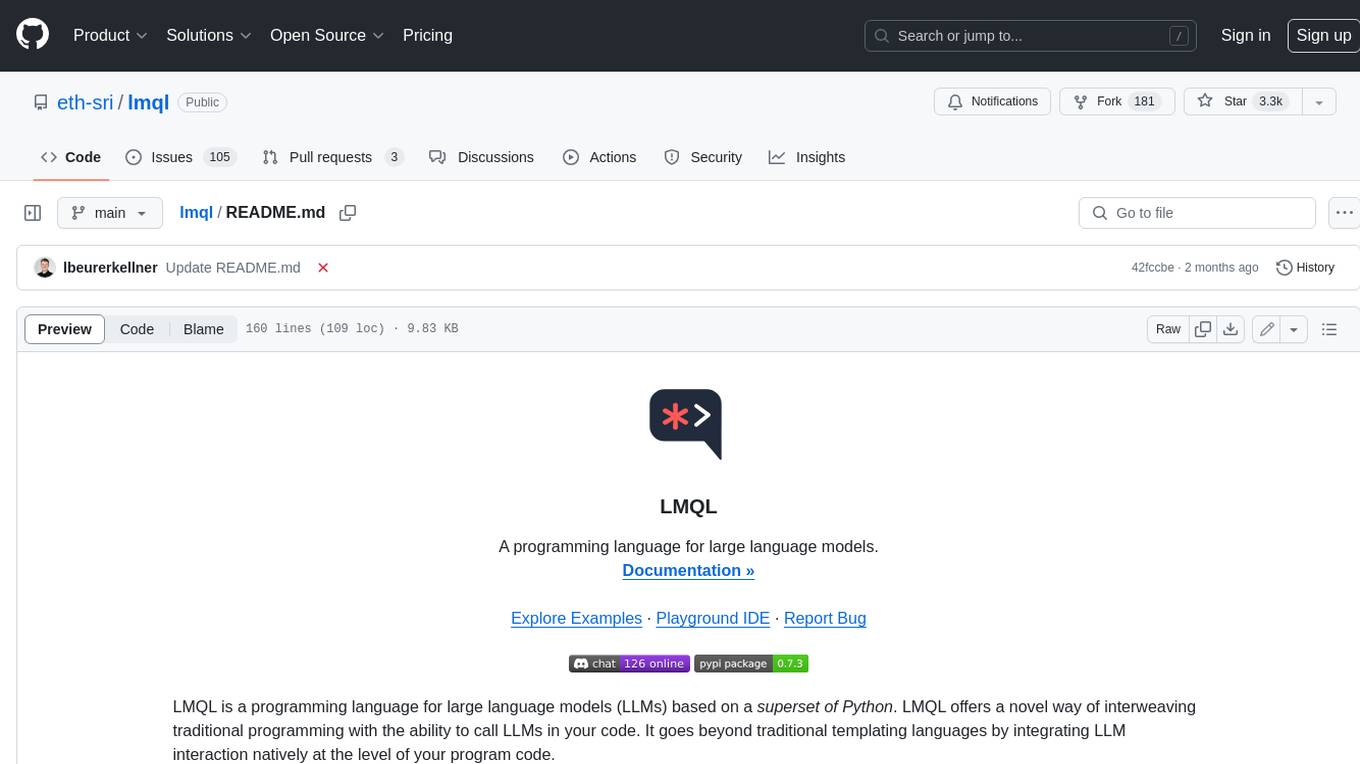
lmql
LMQL is a programming language designed for large language models (LLMs) that offers a unique way of integrating traditional programming with LLM interaction. It allows users to write programs that combine algorithmic logic with LLM calls, enabling model reasoning capabilities within the context of the program. LMQL provides features such as Python syntax integration, rich control-flow options, advanced decoding techniques, powerful constraints via logit masking, runtime optimization, sync and async API support, multi-model compatibility, and extensive applications like JSON decoding and interactive chat interfaces. The tool also offers library integration, flexible tooling, and output streaming options for easy model output handling.
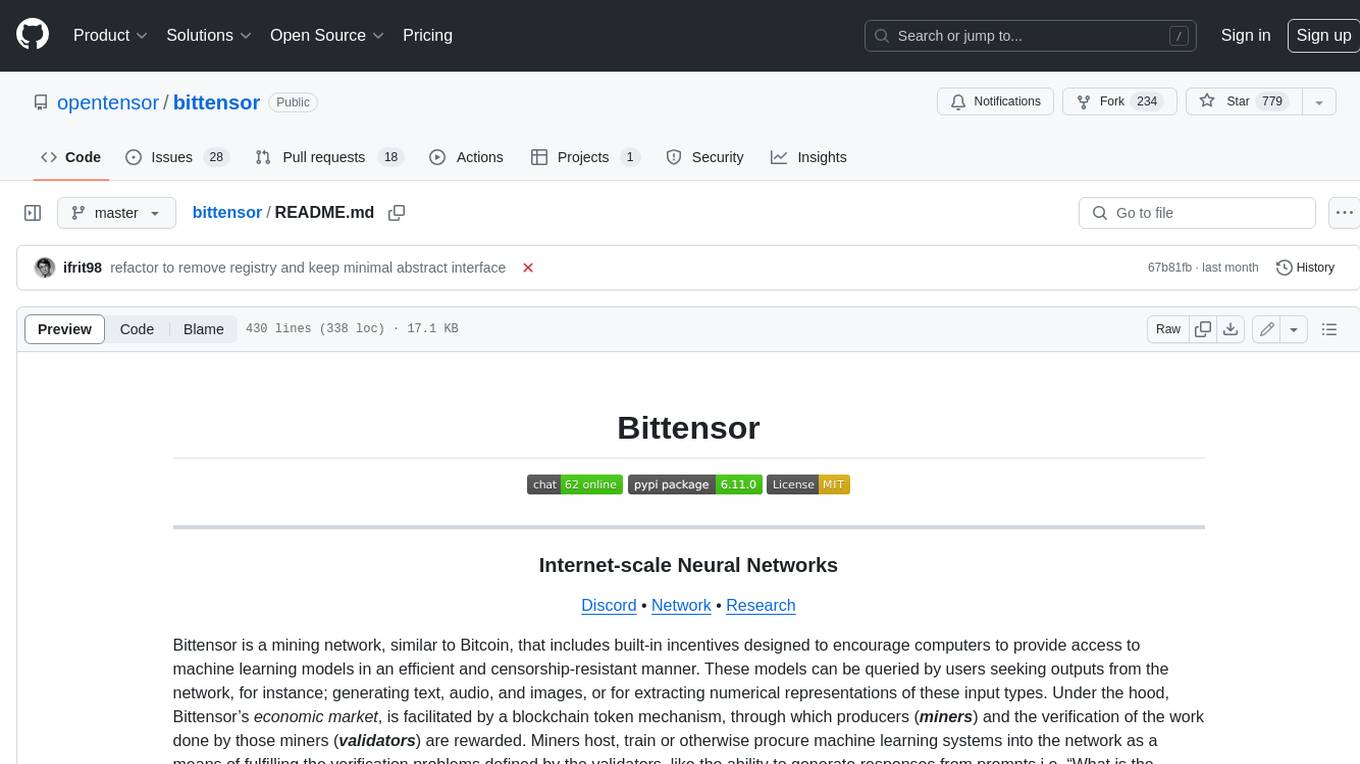
bittensor
Bittensor is an internet-scale neural network that incentivizes computers to provide access to machine learning models in a decentralized and censorship-resistant manner. It operates through a token-based mechanism where miners host, train, and procure machine learning systems to fulfill verification problems defined by validators. The network rewards miners and validators for their contributions, ensuring continuous improvement in knowledge output. Bittensor allows anyone to participate, extract value, and govern the network without centralized control. It supports tasks such as generating text, audio, images, and extracting numerical representations.
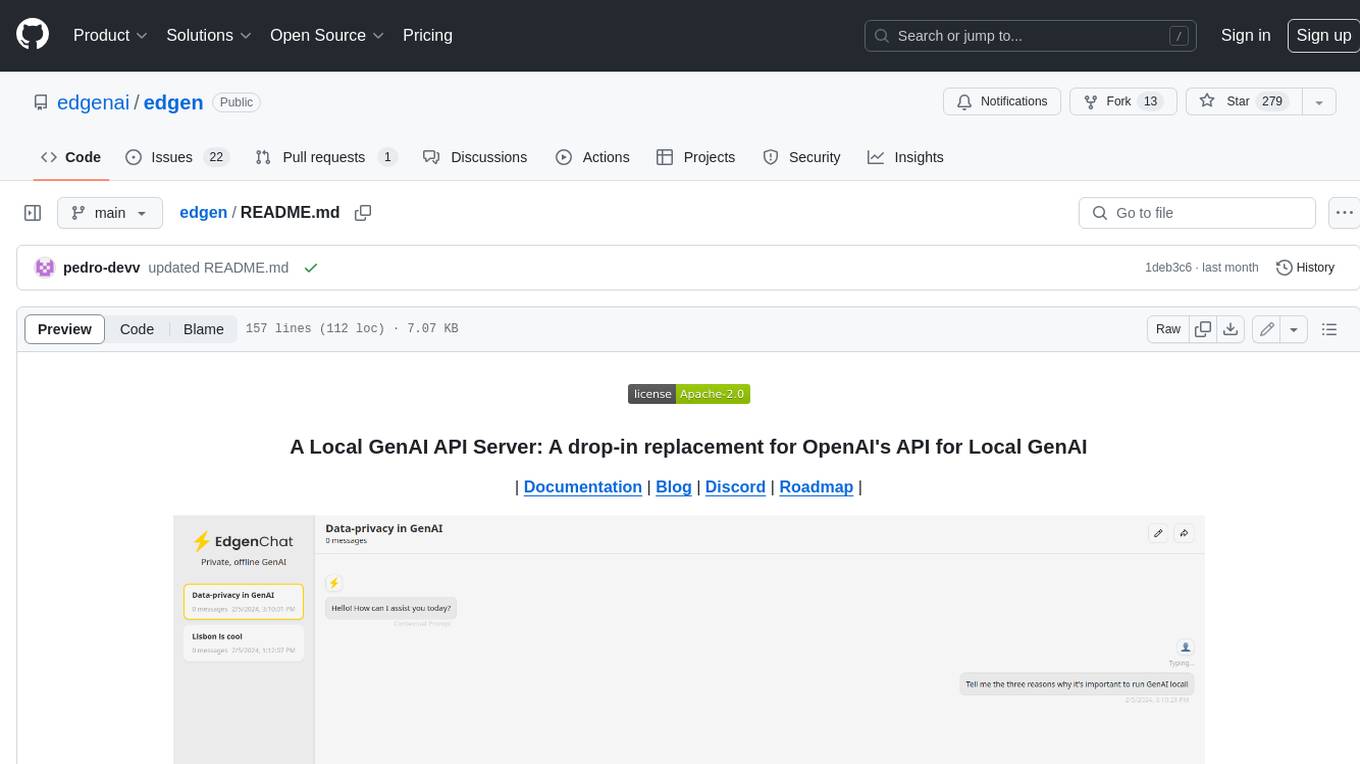
edgen
Edgen is a local GenAI API server that serves as a drop-in replacement for OpenAI's API. It provides multi-endpoint support for chat completions and speech-to-text, is model agnostic, offers optimized inference, and features model caching. Built in Rust, Edgen is natively compiled for Windows, MacOS, and Linux, eliminating the need for Docker. It allows users to utilize GenAI locally on their devices for free and with data privacy. With features like session caching, GPU support, and support for various endpoints, Edgen offers a scalable, reliable, and cost-effective solution for running GenAI applications locally.
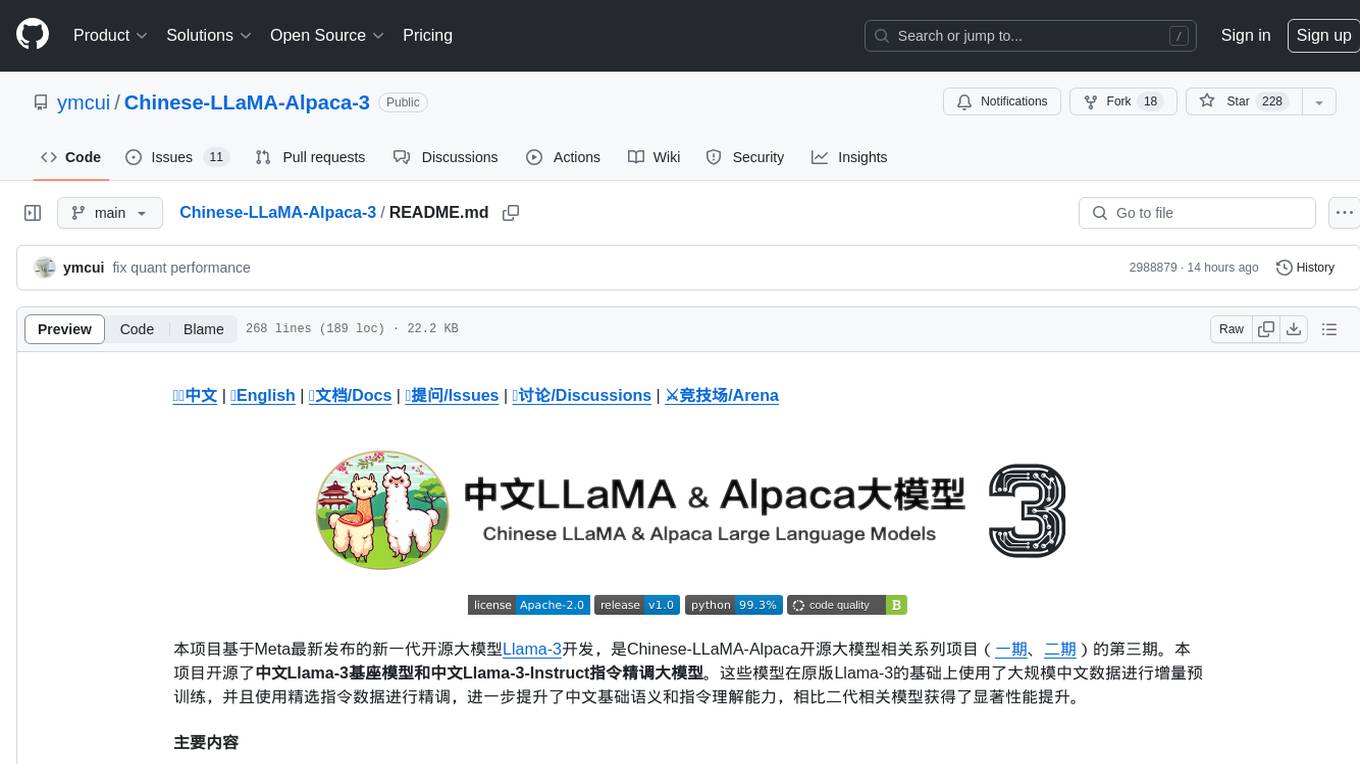
Chinese-LLaMA-Alpaca-3
Chinese-LLaMA-Alpaca-3 is a project based on Meta's latest release of the new generation open-source large model Llama-3. It is the third phase of the Chinese-LLaMA-Alpaca open-source large model series projects (Phase 1, Phase 2). This project open-sources the Chinese Llama-3 base model and the Chinese Llama-3-Instruct instruction fine-tuned large model. These models incrementally pre-train with a large amount of Chinese data on the basis of the original Llama-3 and further fine-tune using selected instruction data, enhancing Chinese basic semantics and instruction understanding capabilities. Compared to the second-generation related models, significant performance improvements have been achieved.
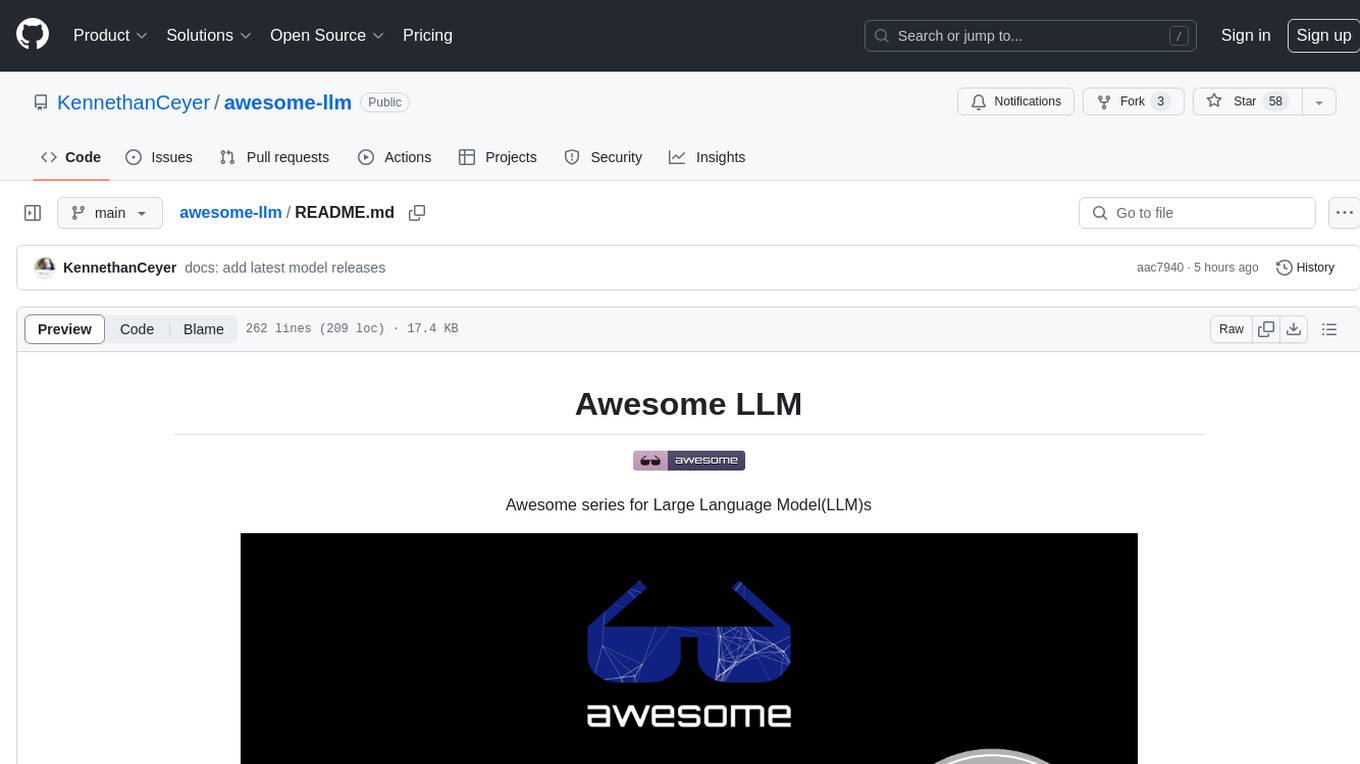
awesome-llm
Awesome LLM is a curated list of resources related to Large Language Models (LLMs), including models, projects, datasets, benchmarks, materials, papers, posts, GitHub repositories, HuggingFace repositories, and reading materials. It provides detailed information on various LLMs, their parameter sizes, announcement dates, and contributors. The repository covers a wide range of LLM-related topics and serves as a valuable resource for researchers, developers, and enthusiasts interested in the field of natural language processing and artificial intelligence.
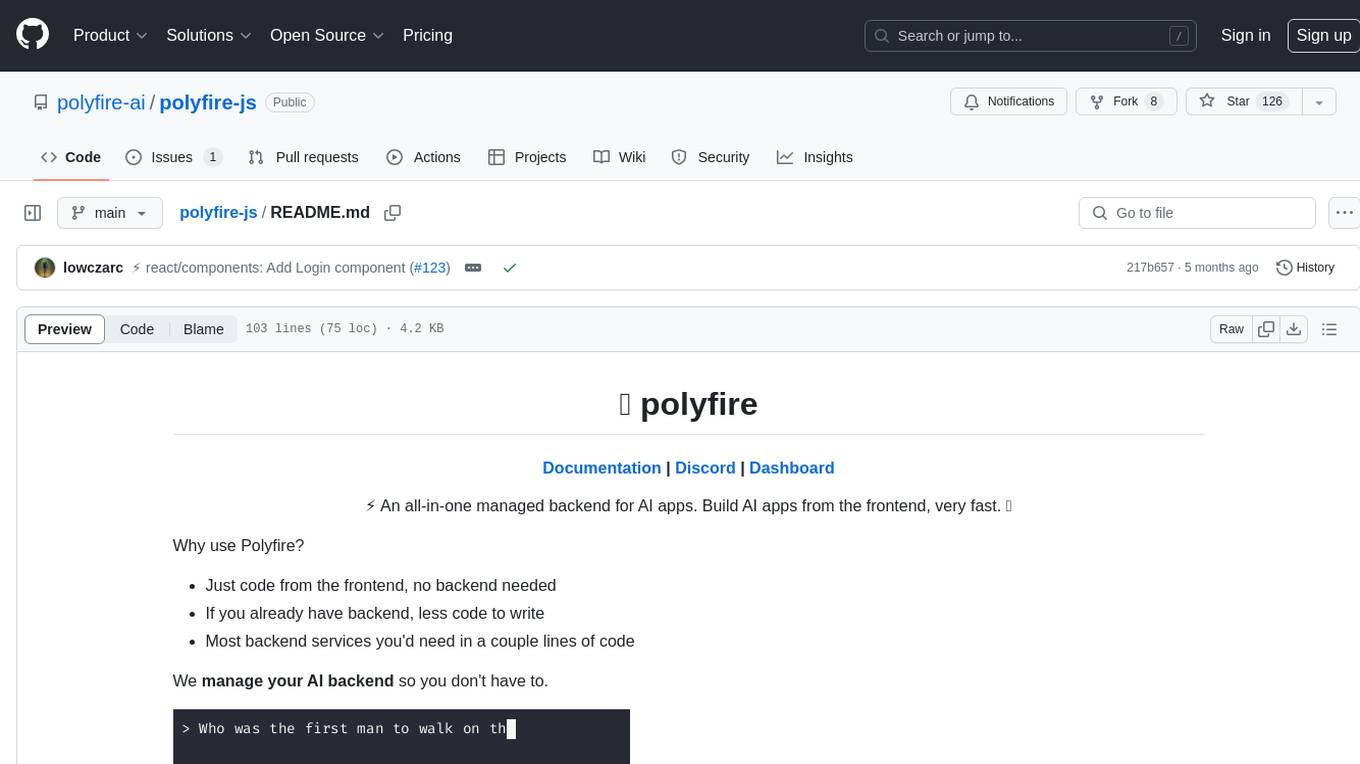
polyfire-js
Polyfire is an all-in-one managed backend for AI apps that allows users to build AI applications directly from the frontend, eliminating the need for a separate backend. It simplifies the process by providing most backend services in just a few lines of code. With Polyfire, users can easily create chatbots, transcribe audio files, generate simple text, manage long-term memory, and generate images. The tool also offers starter guides and tutorials to help users get started quickly and efficiently.
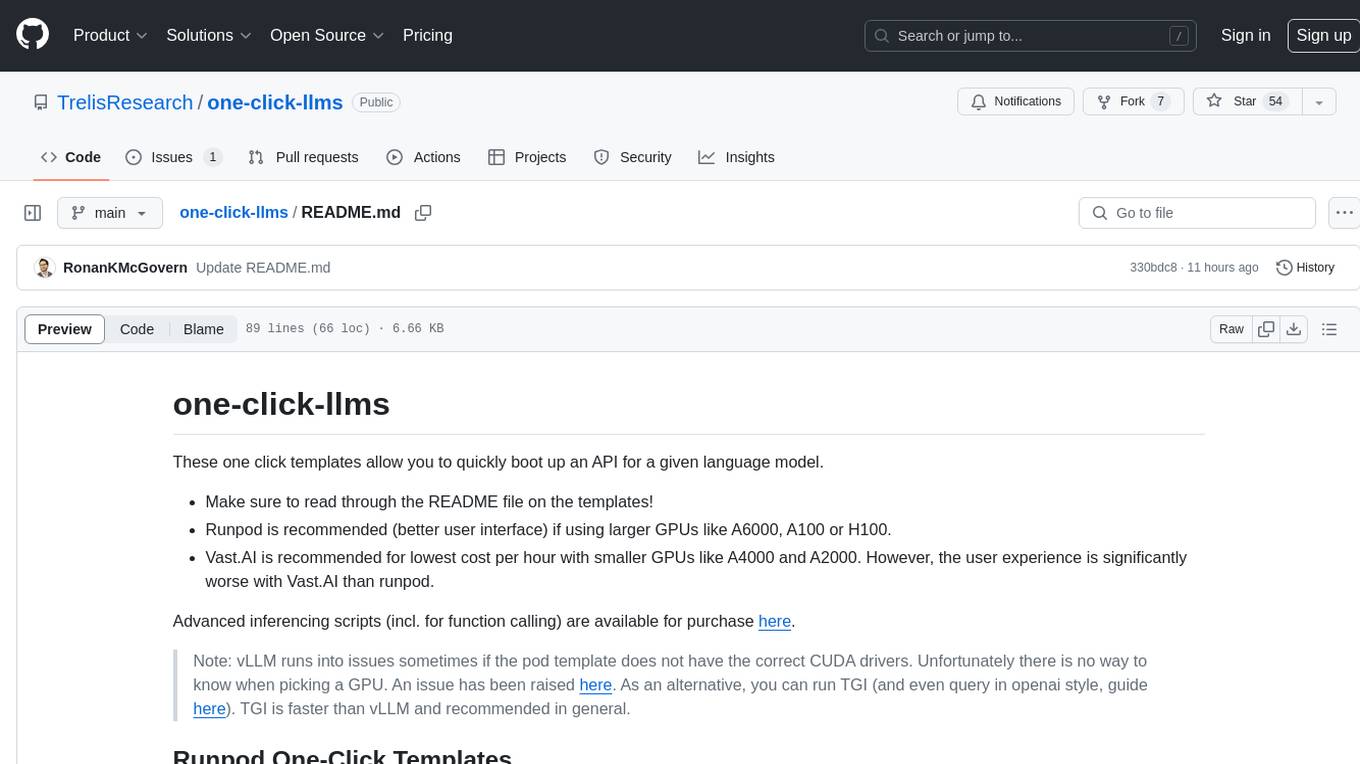
one-click-llms
The one-click-llms repository provides templates for quickly setting up an API for language models. It includes advanced inferencing scripts for function calling and offers various models for text generation and fine-tuning tasks. Users can choose between Runpod and Vast.AI for different GPU configurations, with recommendations for optimal performance. The repository also supports Trelis Research and offers templates for different model sizes and types, including multi-modal APIs and chat models.

xef
xef.ai is a one-stop library designed to bring the power of modern AI to applications and services. It offers integration with Large Language Models (LLM), image generation, and other AI services. The library is packaged in two layers: core libraries for basic AI services integration and integrations with other libraries. xef.ai aims to simplify the transition to modern AI for developers by providing an idiomatic interface, currently supporting Kotlin. Inspired by LangChain and Hugging Face, xef.ai may transmit source code and user input data to third-party services, so users should review privacy policies and take precautions. Libraries are available in Maven Central under the `com.xebia` group, with `xef-core` as the core library. Developers can add these libraries to their projects and explore examples to understand usage.
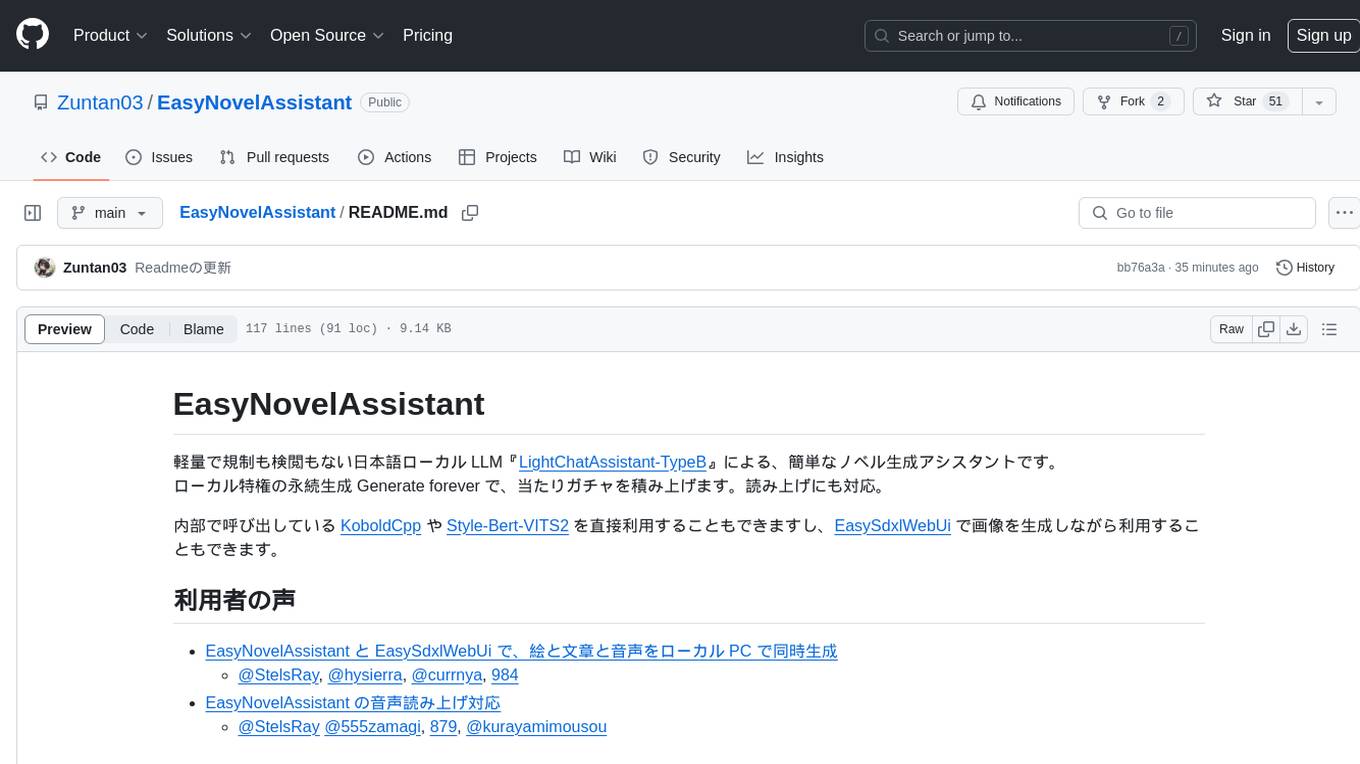
EasyNovelAssistant
EasyNovelAssistant is a simple novel generation assistant powered by a lightweight and uncensored Japanese local LLM 'LightChatAssistant-TypeB'. It allows for perpetual generation with 'Generate forever' feature, stacking up lucky gacha draws. It also supports text-to-speech. Users can directly utilize KoboldCpp and Style-Bert-VITS2 internally or use EasySdxlWebUi to generate images while using the tool. The tool is designed for local novel generation with a focus on ease of use and flexibility.
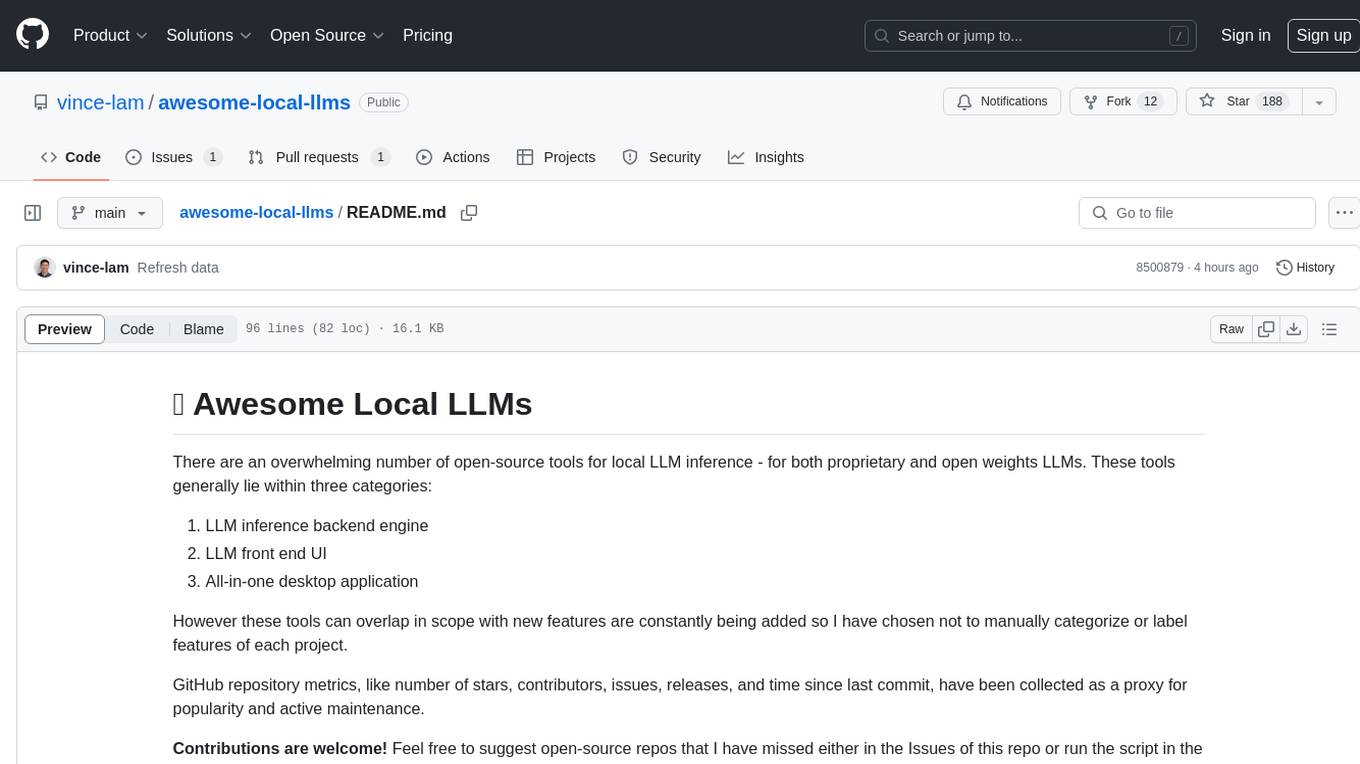
awesome-local-llms
The 'awesome-local-llms' repository is a curated list of open-source tools for local Large Language Model (LLM) inference, covering both proprietary and open weights LLMs. The repository categorizes these tools into LLM inference backend engines, LLM front end UIs, and all-in-one desktop applications. It collects GitHub repository metrics as proxies for popularity and active maintenance. Contributions are encouraged, and users can suggest additional open-source repositories through the Issues section or by running a provided script to update the README and make a pull request. The repository aims to provide a comprehensive resource for exploring and utilizing local LLM tools.
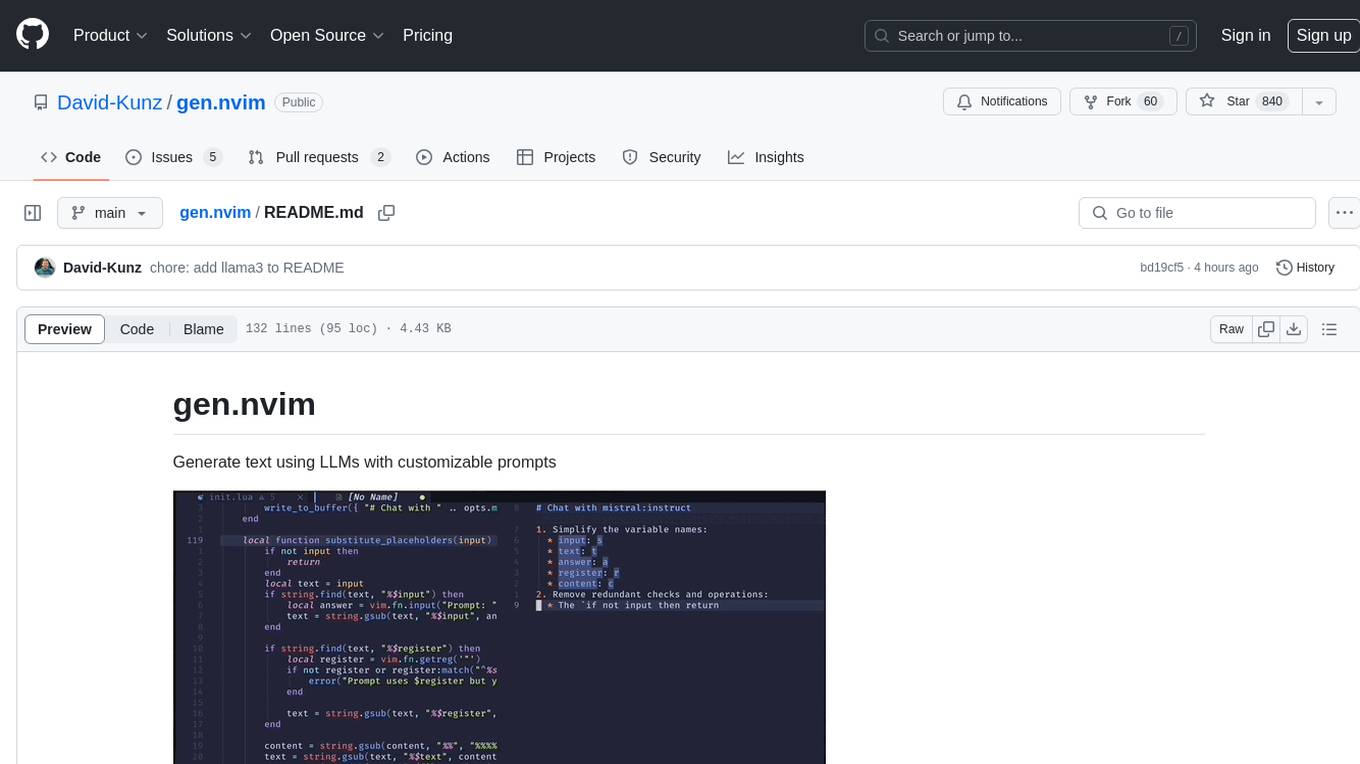
gen.nvim
gen.nvim is a tool that allows users to generate text using Language Models (LLMs) with customizable prompts. It requires Ollama with models like `llama3`, `mistral`, or `zephyr`, along with Curl for installation. Users can use the `Gen` command to generate text based on predefined or custom prompts. The tool provides key maps for easy invocation and allows for follow-up questions during conversations. Additionally, users can select a model from a list of installed models and customize prompts as needed.
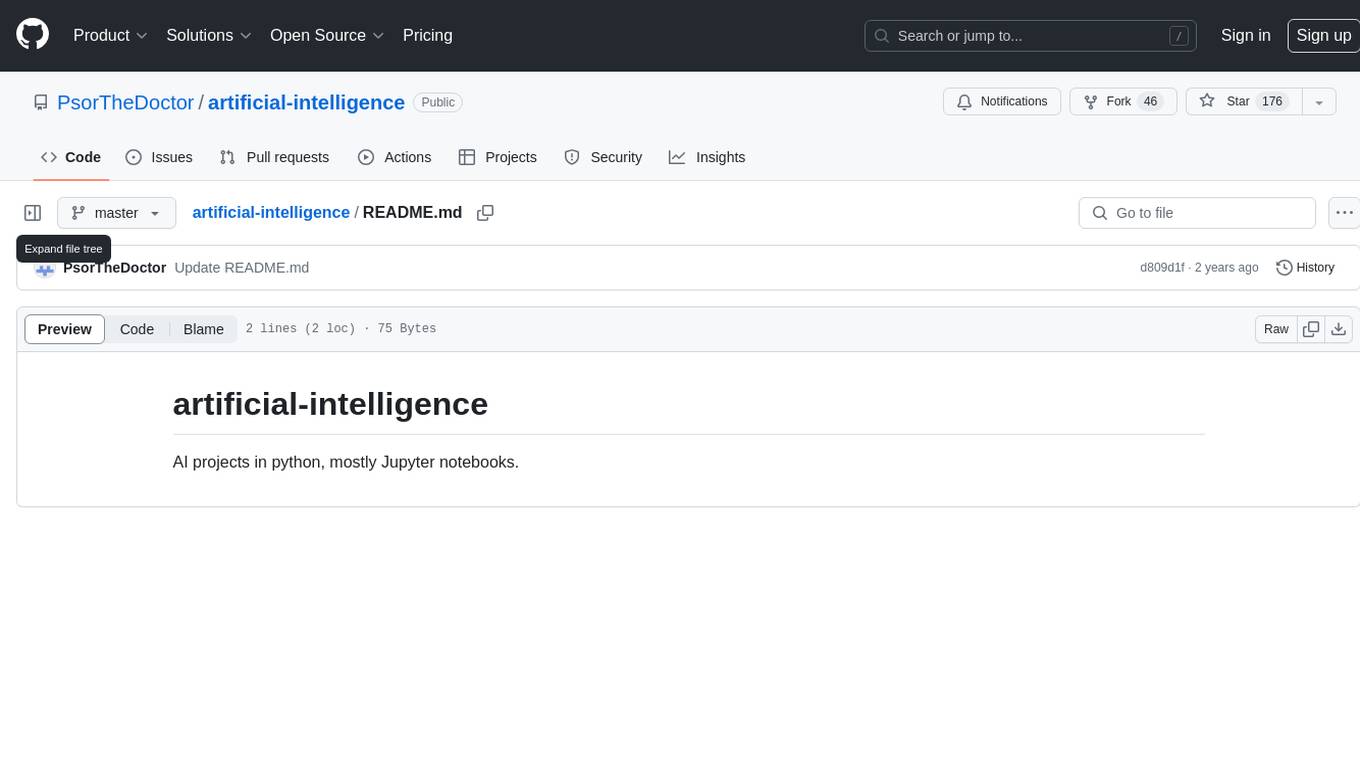
artificial-intelligence
This repository contains a collection of AI projects implemented in Python, primarily in Jupyter notebooks. The projects cover various aspects of artificial intelligence, including machine learning, deep learning, natural language processing, computer vision, and more. Each project is designed to showcase different AI techniques and algorithms, providing a hands-on learning experience for users interested in exploring the field of artificial intelligence.
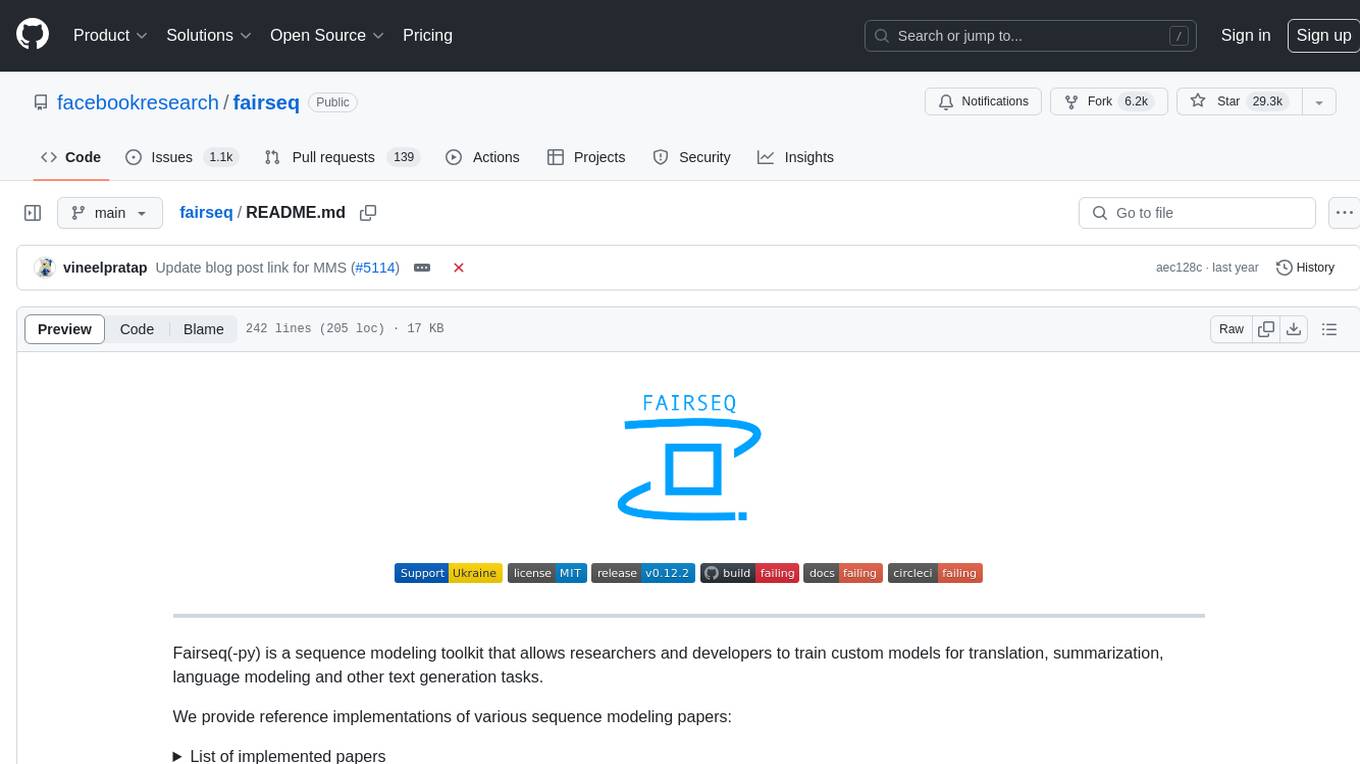
fairseq
Fairseq is a sequence modeling toolkit that enables researchers and developers to train custom models for translation, summarization, language modeling, and other text generation tasks. It provides reference implementations of various sequence modeling papers covering CNN, LSTM networks, Transformer networks, LightConv, DynamicConv models, Non-autoregressive Transformers, Finetuning, and more. The toolkit supports multi-GPU training, fast generation on CPU and GPU, mixed precision training, extensibility, flexible configuration based on Hydra, and full parameter and optimizer state sharding. Pre-trained models are available for translation and language modeling with a torch.hub interface. Fairseq also offers pre-trained models and examples for tasks like XLS-R, cross-lingual retrieval, wav2vec 2.0, unsupervised quality estimation, and more.
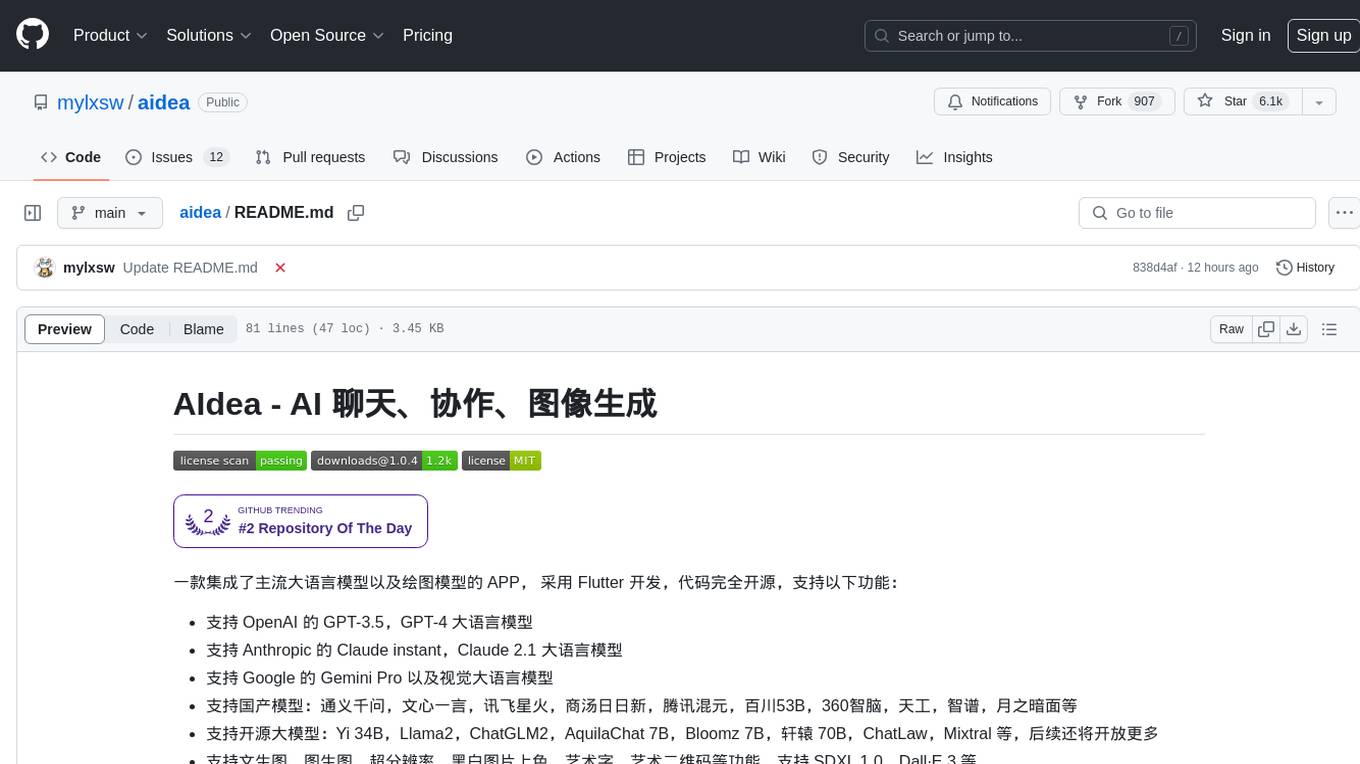
aidea
AIdea is an app that integrates mainstream large language models and drawing models, developed using Flutter. The code is completely open-source and supports various functions such as GPT-3.5, GPT-4 from OpenAI, Claude instant, Claude 2.1 from Anthropic, Gemini Pro and visual language models from Google, as well as various Chinese and open-source models. It also supports features like text-to-image, super-resolution, coloring black and white images, artistic fonts, artistic QR codes, and more.
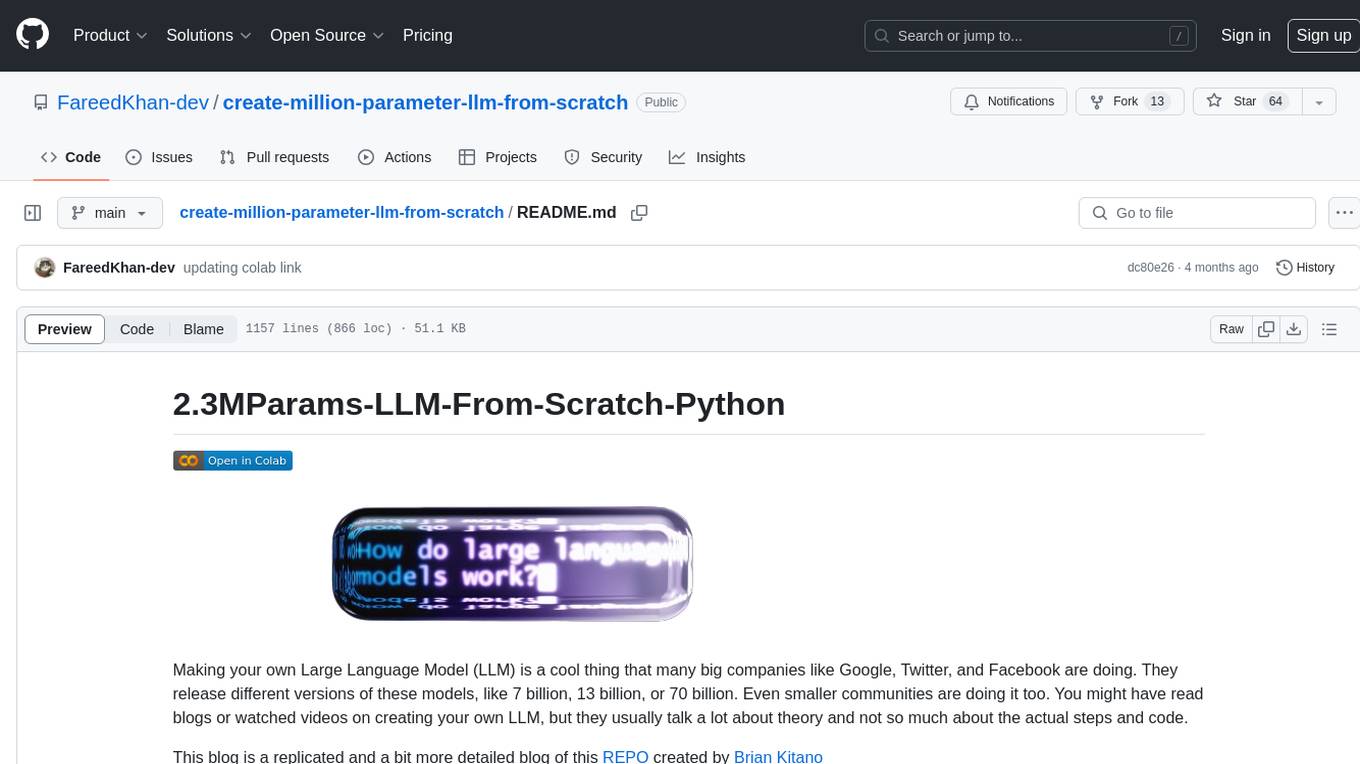
create-million-parameter-llm-from-scratch
The 'create-million-parameter-llm-from-scratch' repository provides a detailed guide on creating a Large Language Model (LLM) with 2.3 million parameters from scratch. The blog replicates the LLaMA approach, incorporating concepts like RMSNorm for pre-normalization, SwiGLU activation function, and Rotary Embeddings. The model is trained on a basic dataset to demonstrate the ease of creating a million-parameter LLM without the need for a high-end GPU.

oreilly-hands-on-gpt-llm
This repository contains code for the O'Reilly Live Online Training for Deploying GPT & LLMs. Learn how to use GPT-4, ChatGPT, OpenAI embeddings, and other large language models to build applications for experimenting and production. Gain practical experience in building applications like text generation, summarization, question answering, and more. Explore alternative generative models such as Cohere and GPT-J. Understand prompt engineering, context stuffing, and few-shot learning to maximize the potential of GPT-like models. Focus on deploying models in production with best practices and debugging techniques. By the end of the training, you will have the skills to start building applications with GPT and other large language models.
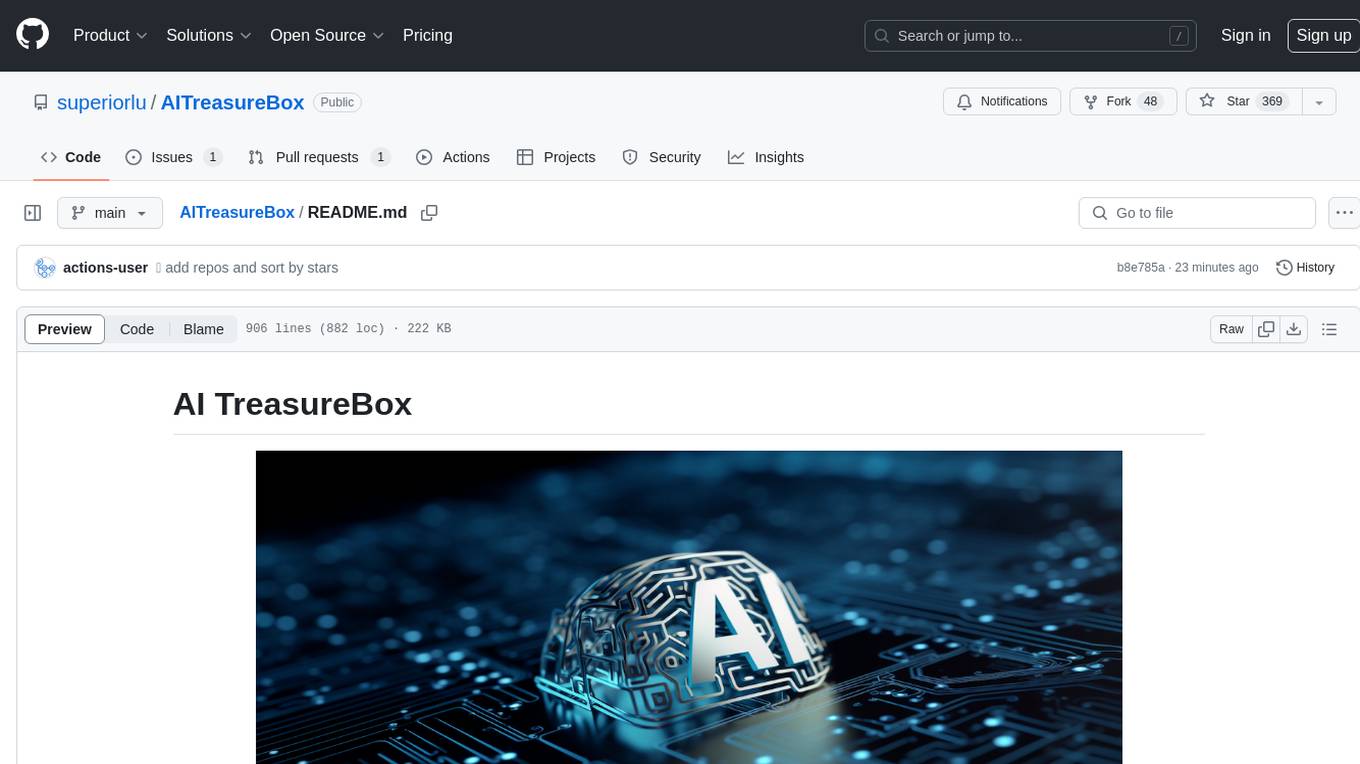
AITreasureBox
AITreasureBox is a comprehensive collection of AI tools and resources designed to simplify and accelerate the development of AI projects. It provides a wide range of pre-trained models, datasets, and utilities that can be easily integrated into various AI applications. With AITreasureBox, developers can quickly prototype, test, and deploy AI solutions without having to build everything from scratch. Whether you are working on computer vision, natural language processing, or reinforcement learning projects, AITreasureBox has something to offer for everyone. The repository is regularly updated with new tools and resources to keep up with the latest advancements in the field of artificial intelligence.
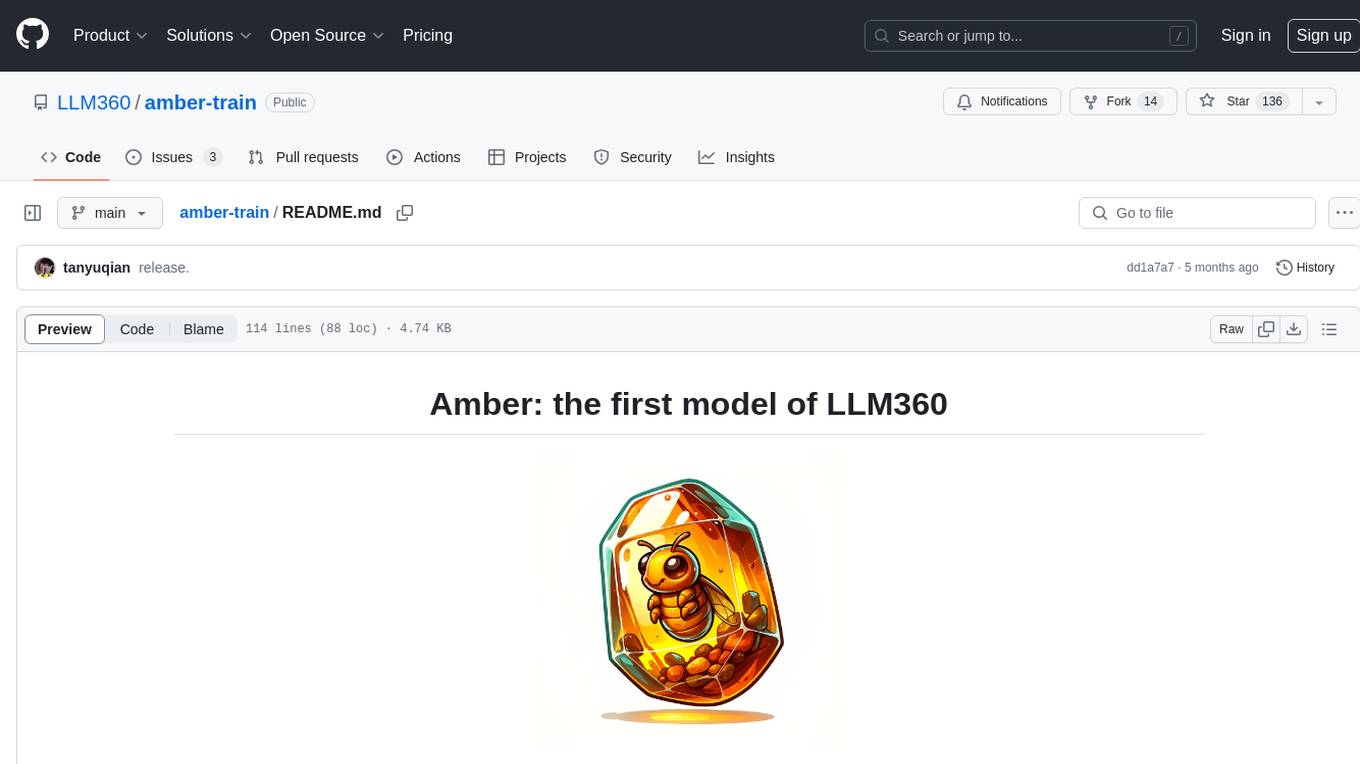
amber-train
Amber is the first model in the LLM360 family, an initiative for comprehensive and fully open-sourced LLMs. It is a 7B English language model with the LLaMA architecture. The model type is a language model with the same architecture as LLaMA-7B. It is licensed under Apache 2.0. The resources available include training code, data preparation, metrics, and fully processed Amber pretraining data. The model has been trained on various datasets like Arxiv, Book, C4, Refined-Web, StarCoder, StackExchange, and Wikipedia. The hyperparameters include a total of 6.7B parameters, hidden size of 4096, intermediate size of 11008, 32 attention heads, 32 hidden layers, RMSNorm ε of 1e^-6, max sequence length of 2048, and a vocabulary size of 32000.
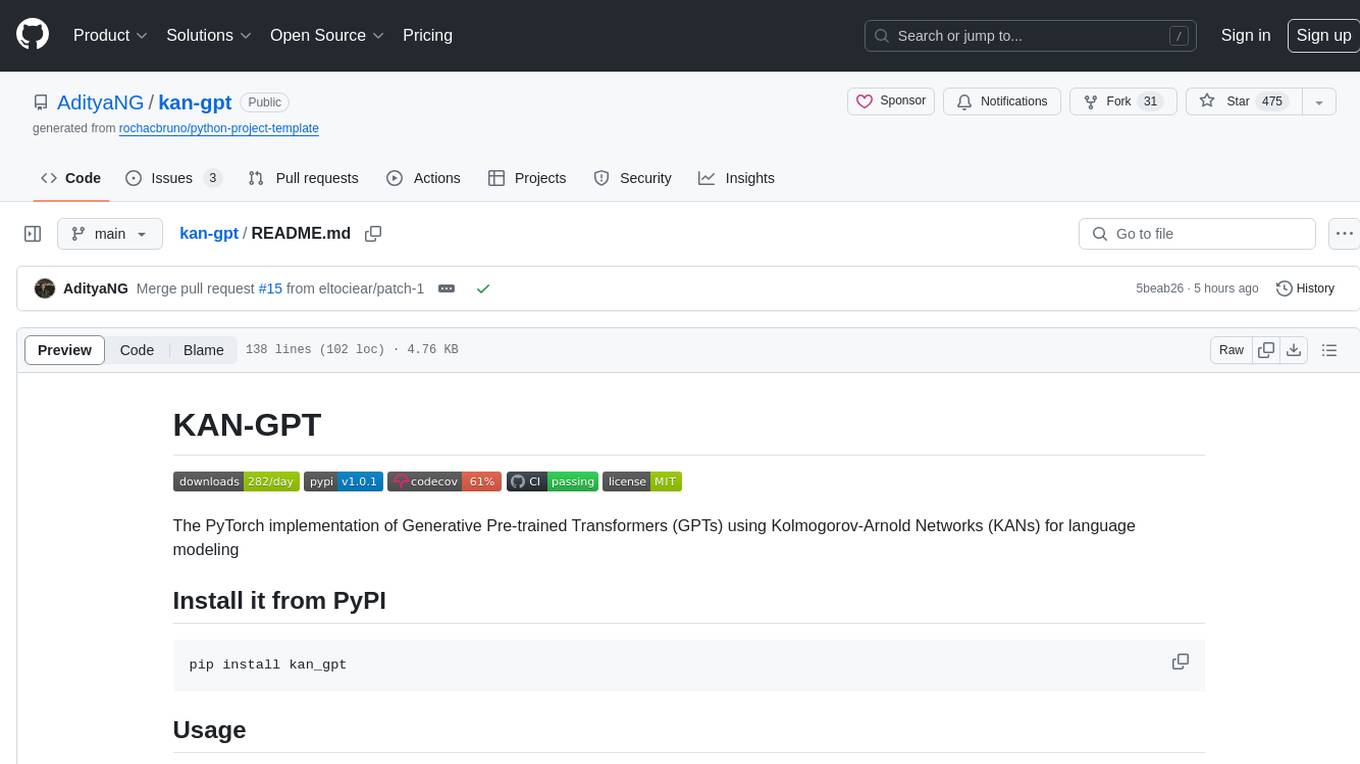
kan-gpt
The KAN-GPT repository is a PyTorch implementation of Generative Pre-trained Transformers (GPTs) using Kolmogorov-Arnold Networks (KANs) for language modeling. It provides a model for generating text based on prompts, with a focus on improving performance compared to traditional MLP-GPT models. The repository includes scripts for training the model, downloading datasets, and evaluating model performance. Development tasks include integrating with other libraries, testing, and documentation.
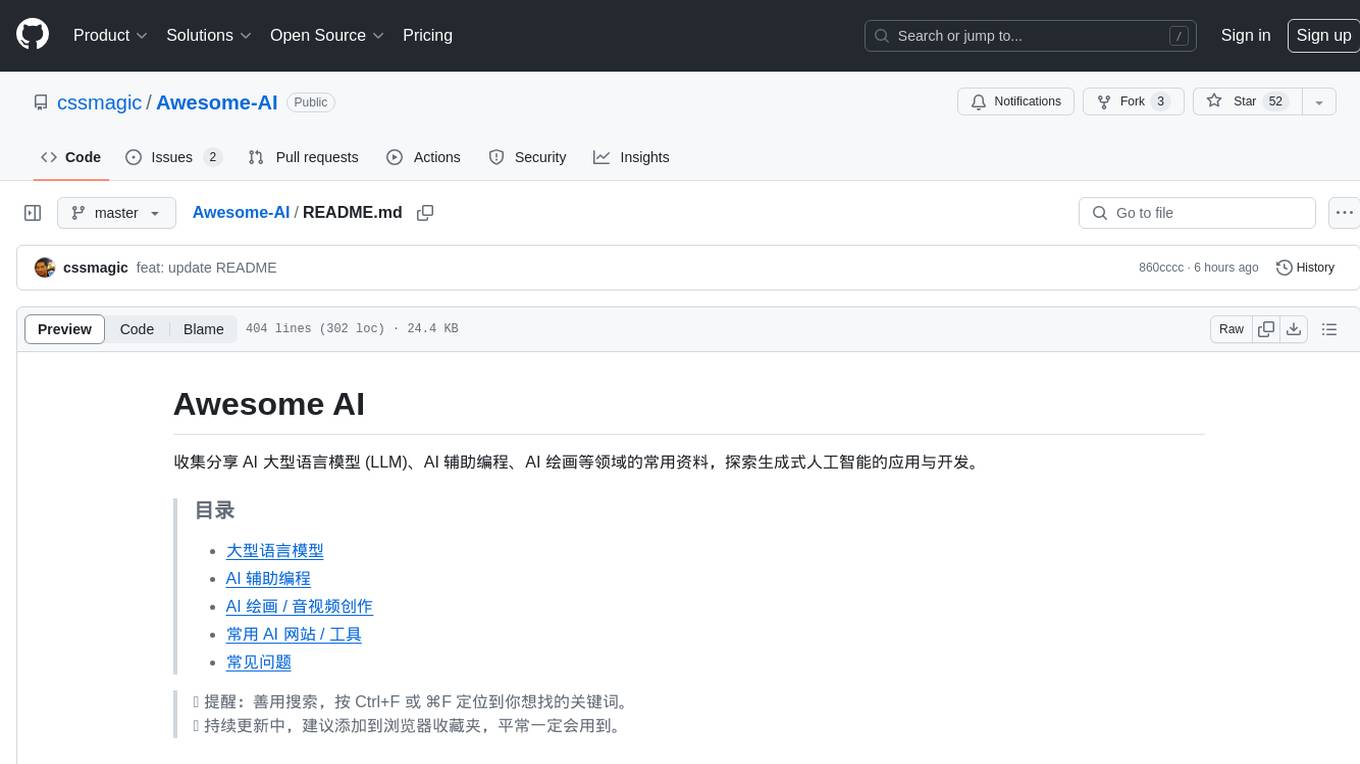
Awesome-AI
Awesome AI is a repository that collects and shares resources in the fields of large language models (LLM), AI-assisted programming, AI drawing, and more. It explores the application and development of generative artificial intelligence. The repository provides information on various AI tools, models, and platforms, along with tutorials and web products related to AI technologies.
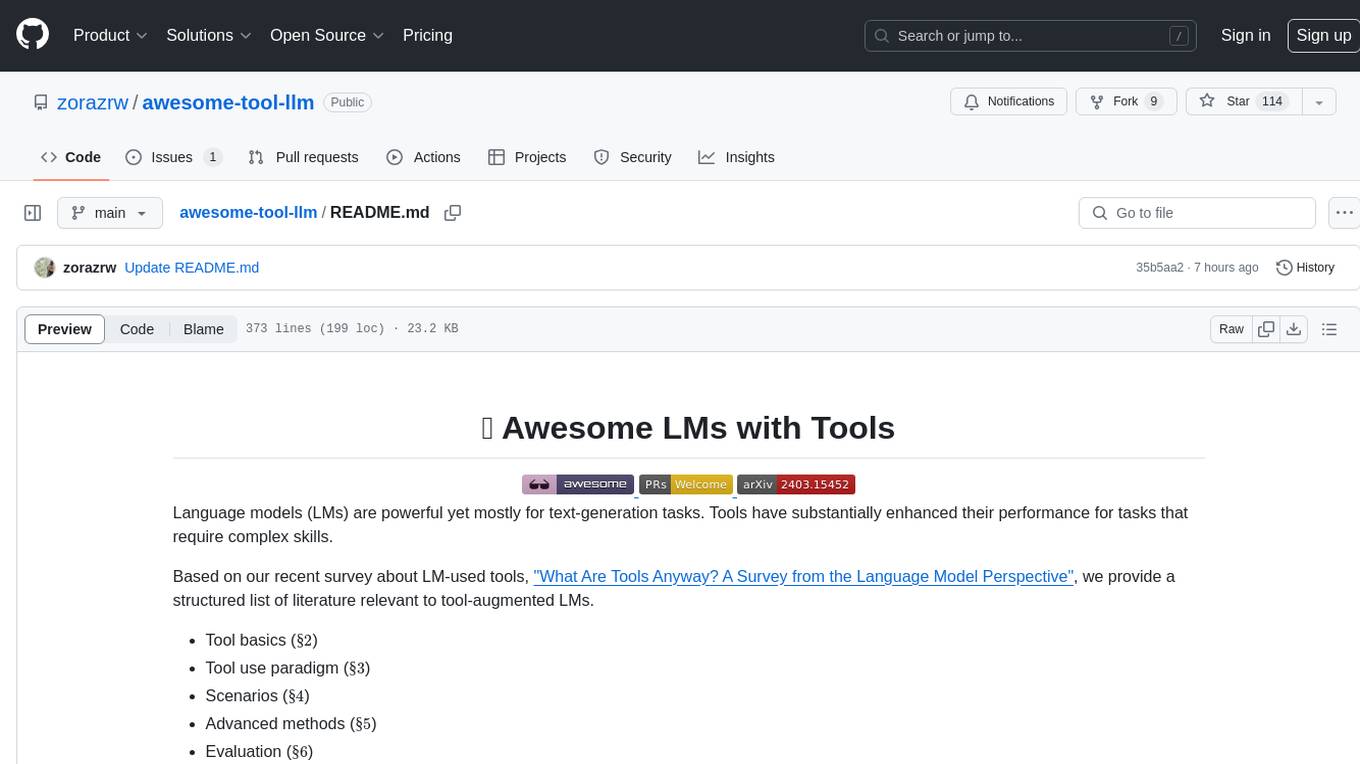
awesome-tool-llm
This repository focuses on exploring tools that enhance the performance of language models for various tasks. It provides a structured list of literature relevant to tool-augmented language models, covering topics such as tool basics, tool use paradigm, scenarios, advanced methods, and evaluation. The repository includes papers, preprints, and books that discuss the use of tools in conjunction with language models for tasks like reasoning, question answering, mathematical calculations, accessing knowledge, interacting with the world, and handling non-textual modalities.
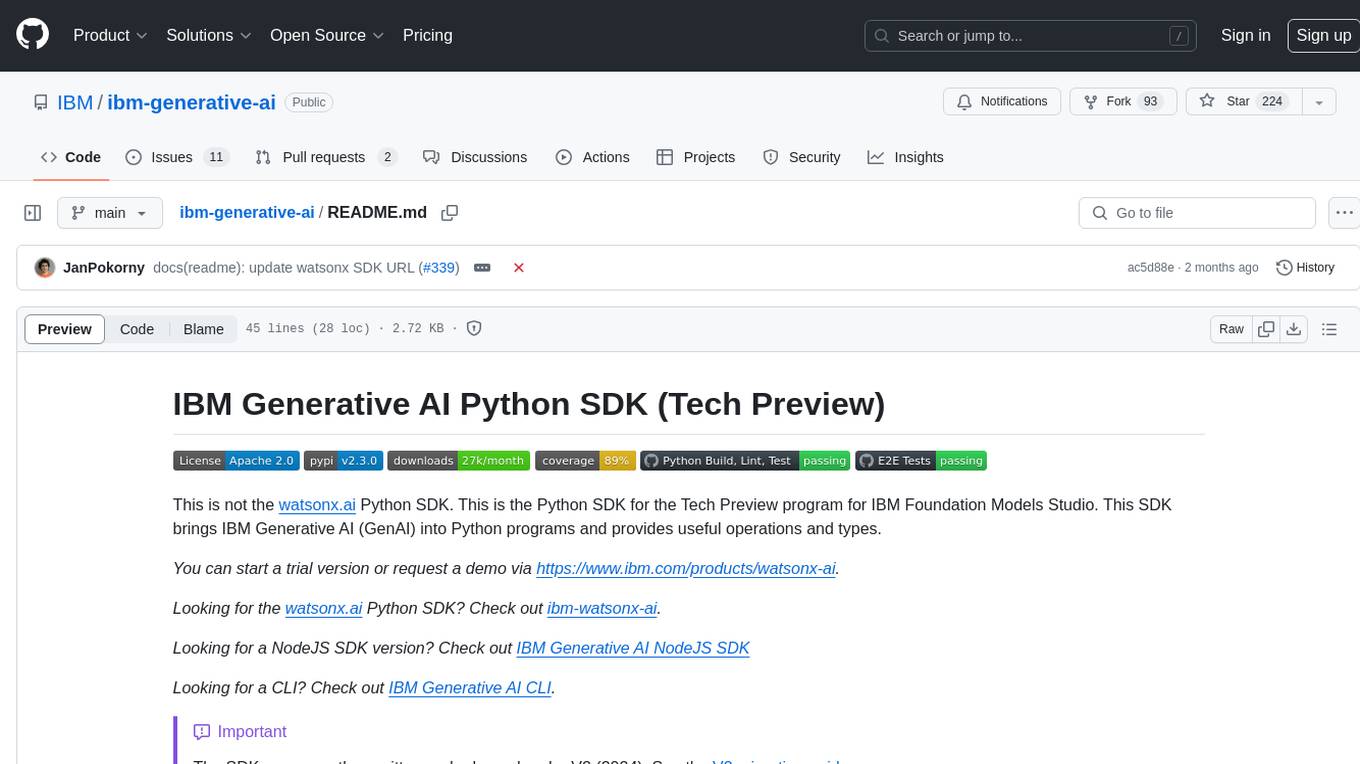
ibm-generative-ai
IBM Generative AI Python SDK is a tool designed for the Tech Preview program for IBM Foundation Models Studio. It brings IBM Generative AI (GenAI) into Python programs, offering various operations and types. Users can start a trial version or request a demo via the provided link. The SDK was recently rewritten and released under V2 in 2024, with a migration guide available. Contributors are welcome to participate in the open-source project by contributing documentation, tests, bug fixes, and new functionality.
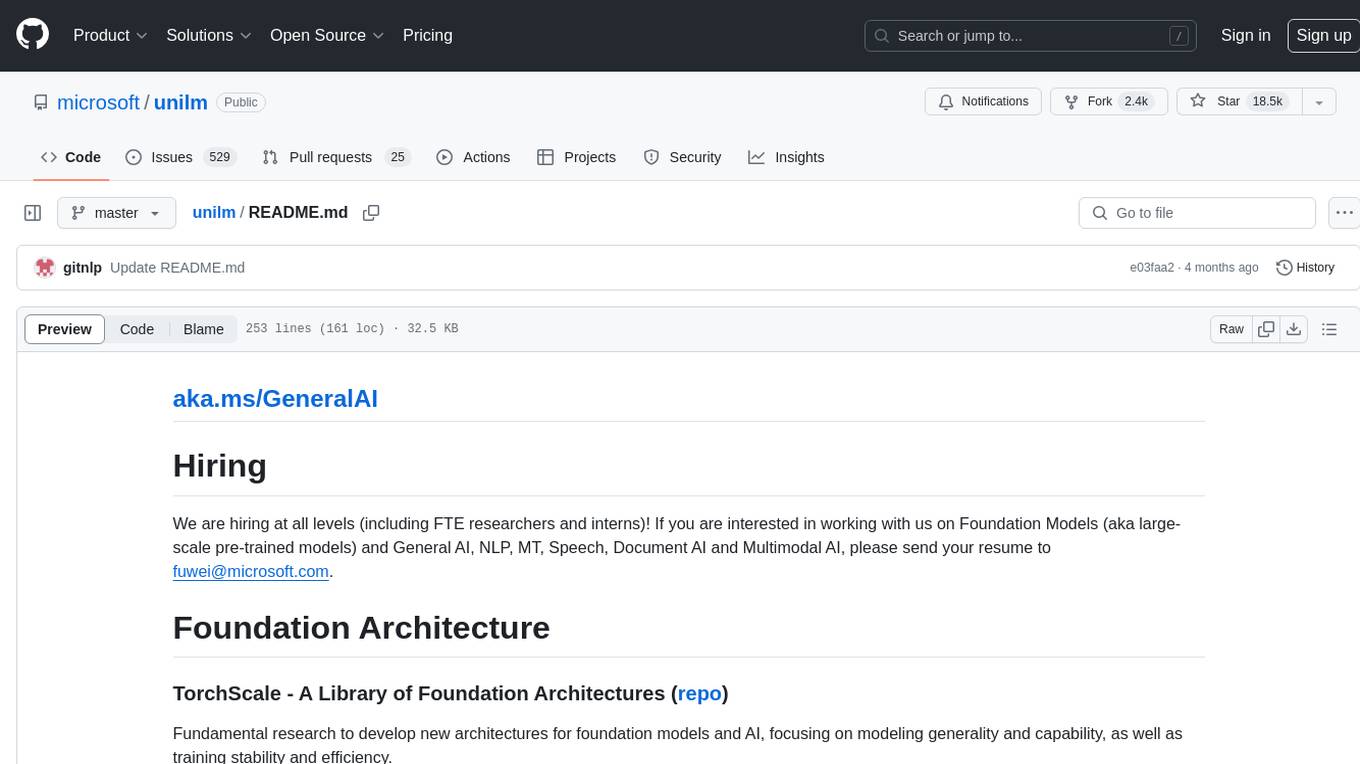
unilm
The 'unilm' repository is a collection of tools, models, and architectures for Foundation Models and General AI, focusing on tasks such as NLP, MT, Speech, Document AI, and Multimodal AI. It includes various pre-trained models, such as UniLM, InfoXLM, DeltaLM, MiniLM, AdaLM, BEiT, LayoutLM, WavLM, VALL-E, and more, designed for tasks like language understanding, generation, translation, vision, speech, and multimodal processing. The repository also features toolkits like s2s-ft for sequence-to-sequence fine-tuning and Aggressive Decoding for efficient sequence-to-sequence decoding. Additionally, it offers applications like TrOCR for OCR, LayoutReader for reading order detection, and XLM-T for multilingual NMT.
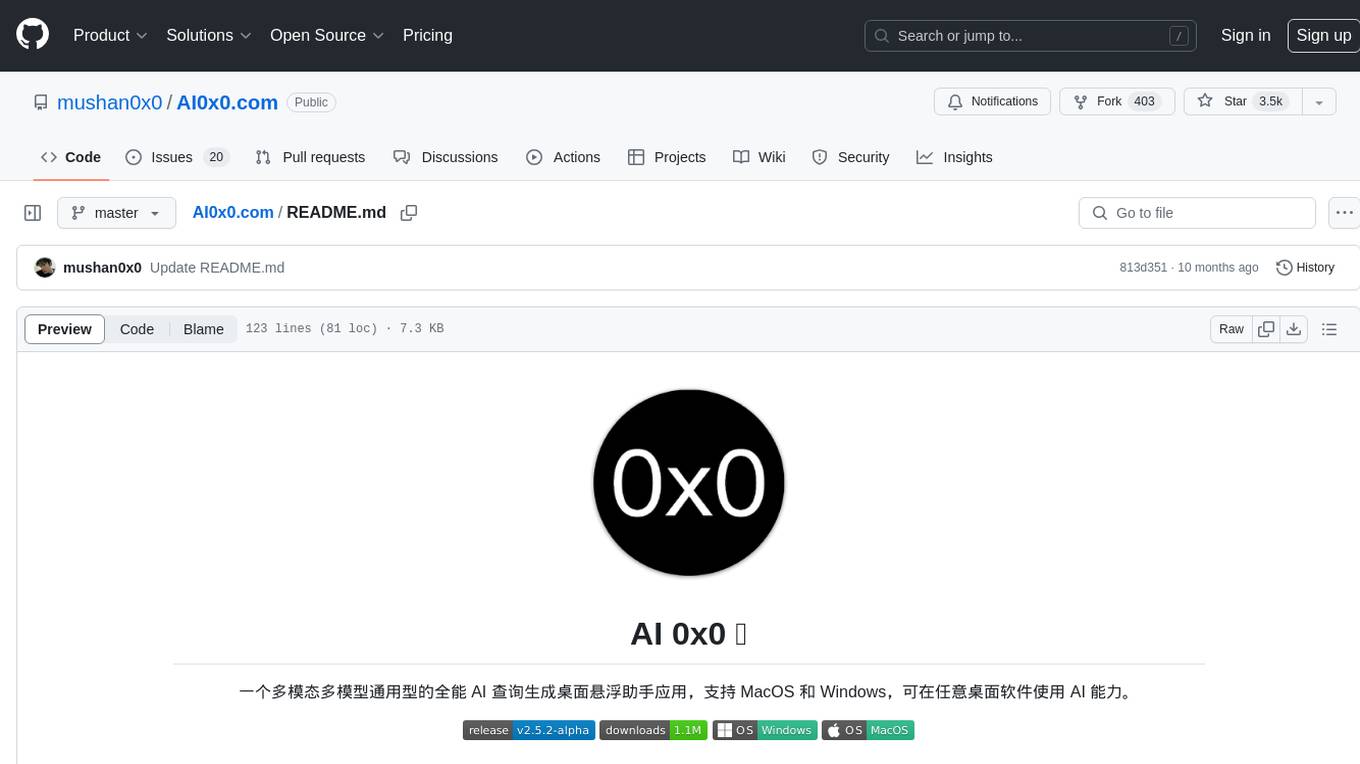
AI0x0.com
AI 0x0 is a versatile AI query generation desktop floating assistant application that supports MacOS and Windows. It allows users to utilize AI capabilities in any desktop software to query and generate text, images, audio, and video data, helping them work more efficiently. The application features a dynamic desktop floating ball, floating dialogue bubbles, customizable presets, conversation bookmarking, preset packages, network acceleration, query mode, input mode, mouse navigation, deep customization of ChatGPT Next Web, support for full-format libraries, online search, voice broadcasting, voice recognition, voice assistant, application plugins, multi-model support, online text and image generation, image recognition, frosted glass interface, light and dark theme adaptation for each language model, and free access to all language models except Chat0x0 with a key.
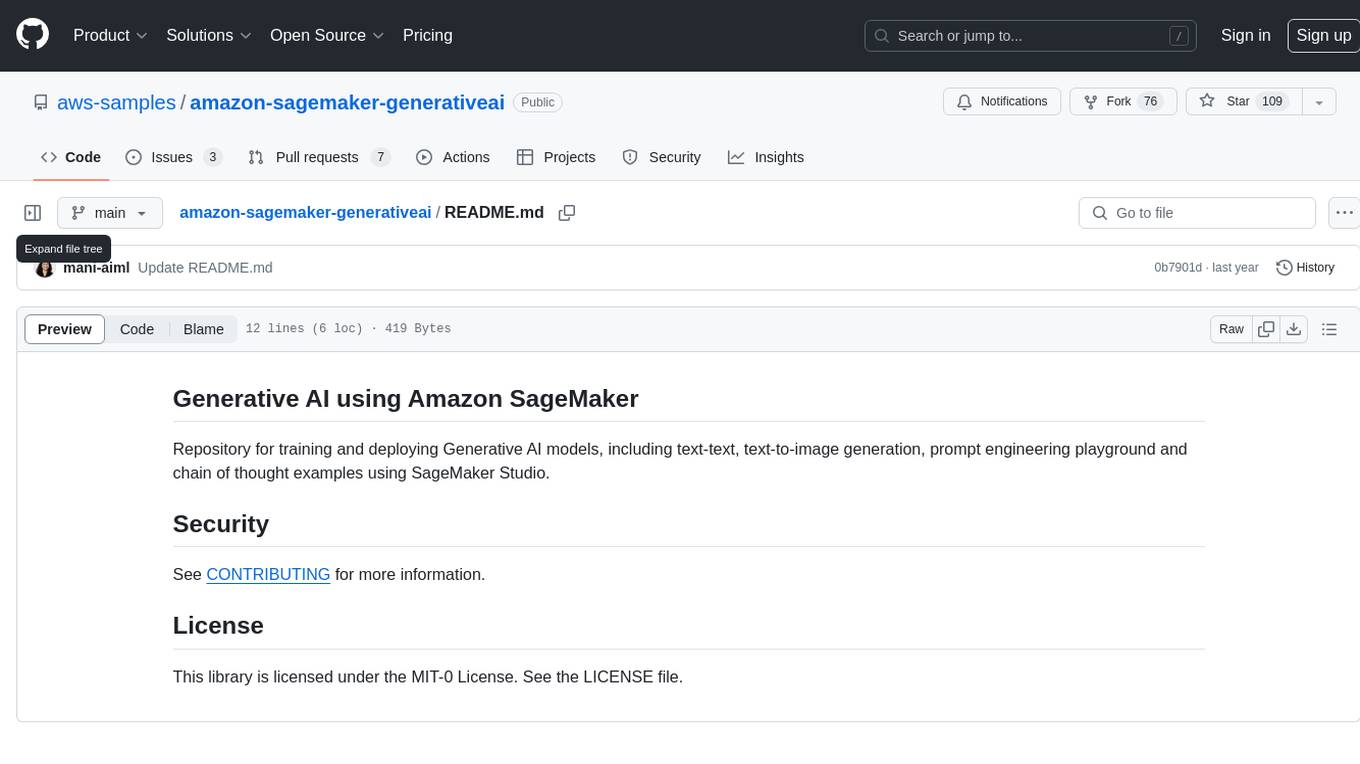
amazon-sagemaker-generativeai
Repository for training and deploying Generative AI models, including text-text, text-to-image generation, prompt engineering playground and chain of thought examples using SageMaker Studio. The tool provides a platform for users to experiment with generative AI techniques, enabling them to create text and image outputs based on input data. It offers a range of functionalities for training and deploying models, as well as exploring different generative AI applications.
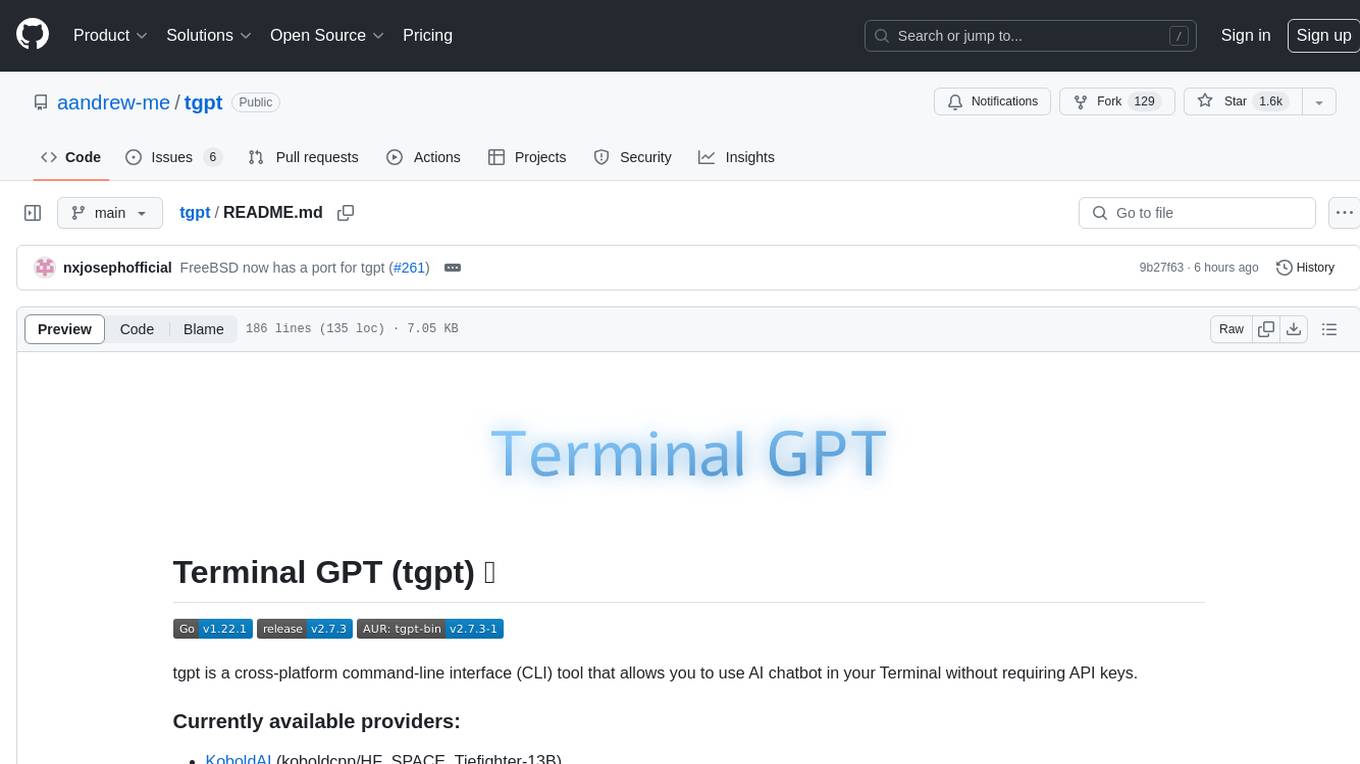
tgpt
tgpt is a cross-platform command-line interface (CLI) tool that allows users to interact with AI chatbots in the Terminal without needing API keys. It supports various AI providers such as KoboldAI, Phind, Llama2, Blackbox AI, and OpenAI. Users can generate text, code, and images using different flags and options. The tool can be installed on GNU/Linux, MacOS, FreeBSD, and Windows systems. It also supports proxy configurations and provides options for updating and uninstalling the tool.
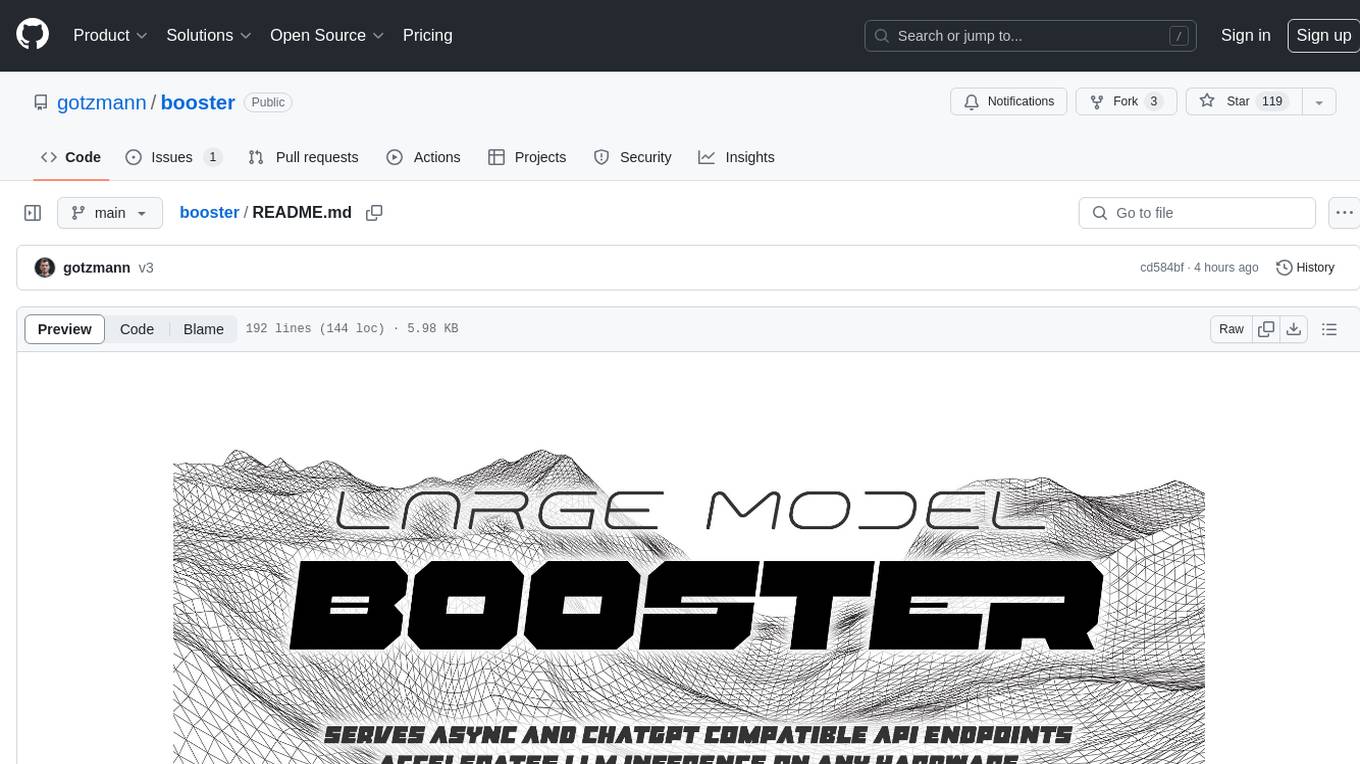
booster
Booster is a powerful inference accelerator designed for scaling large language models within production environments or for experimental purposes. It is built with performance and scaling in mind, supporting various CPUs and GPUs, including Nvidia CUDA, Apple Metal, and OpenCL cards. The tool can split large models across multiple GPUs, offering fast inference on machines with beefy GPUs. It supports both regular FP16/FP32 models and quantised versions, along with popular LLM architectures. Additionally, Booster features proprietary Janus Sampling for code generation and non-English languages.
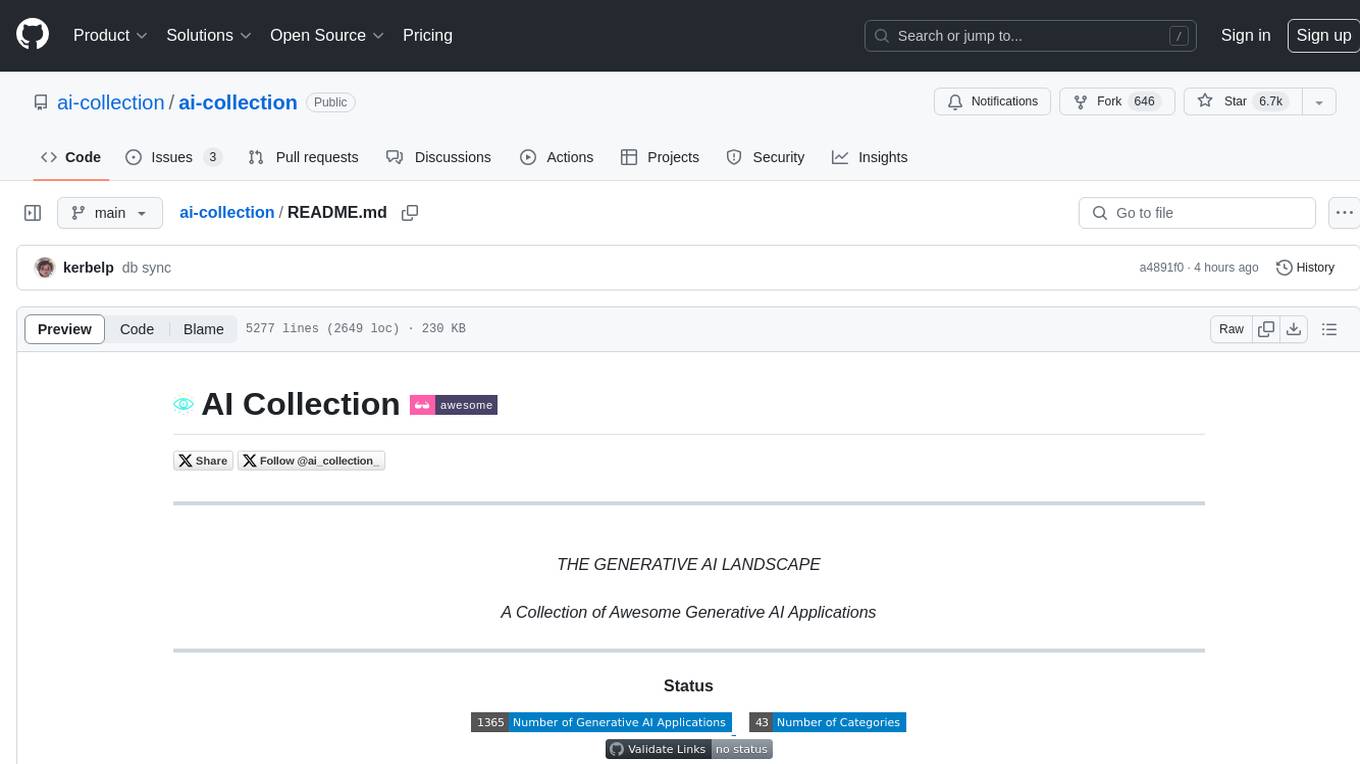
ai-collection
The ai-collection repository is a collection of various artificial intelligence projects and tools aimed at helping developers and researchers in the field of AI. It includes implementations of popular AI algorithms, datasets for training machine learning models, and resources for learning AI concepts. The repository serves as a valuable resource for anyone interested in exploring the applications of artificial intelligence in different domains.
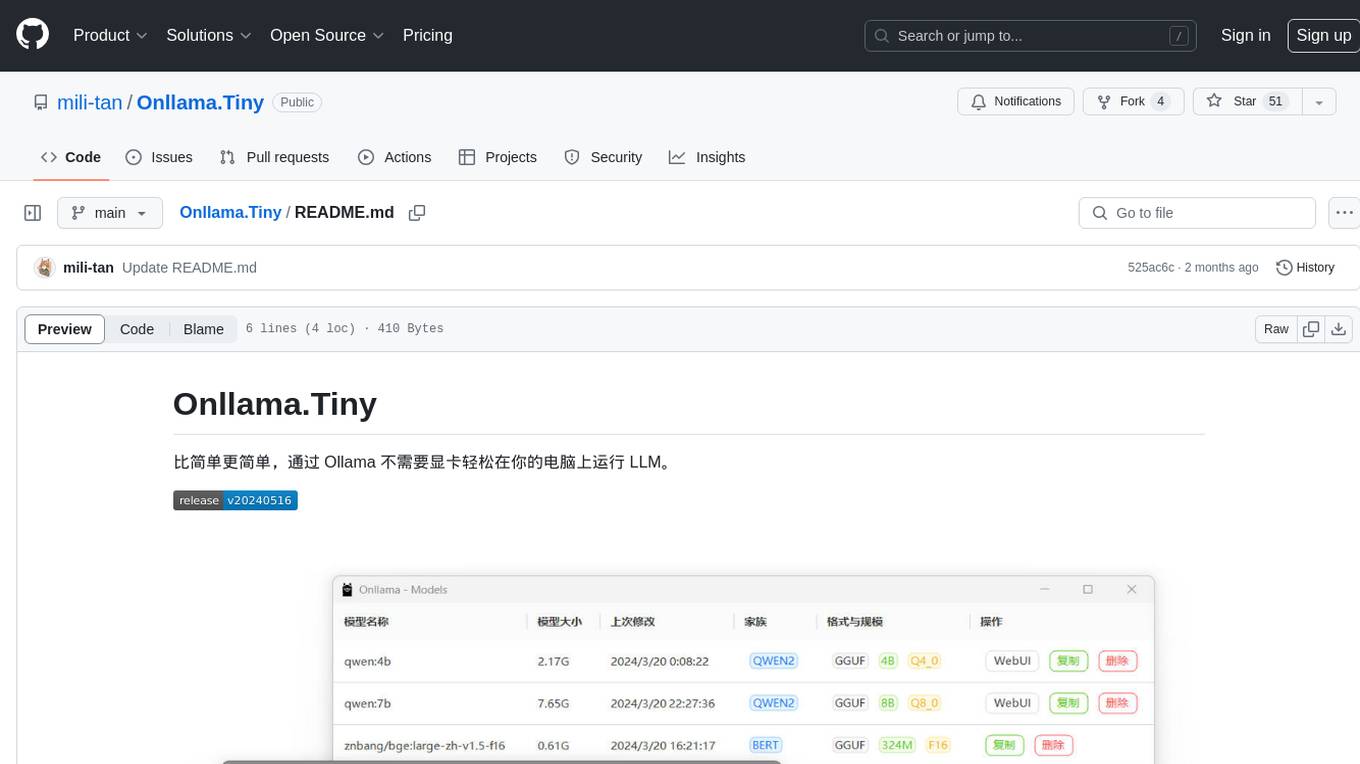
Onllama.Tiny
Onllama.Tiny is a lightweight tool that allows you to easily run LLM on your computer without the need for a dedicated graphics card. It simplifies the process of running LLM, making it more accessible for users. The tool provides a user-friendly interface and streamlines the setup and configuration required to run LLM on your machine. With Onllama.Tiny, users can quickly set up and start using LLM for various applications and projects.
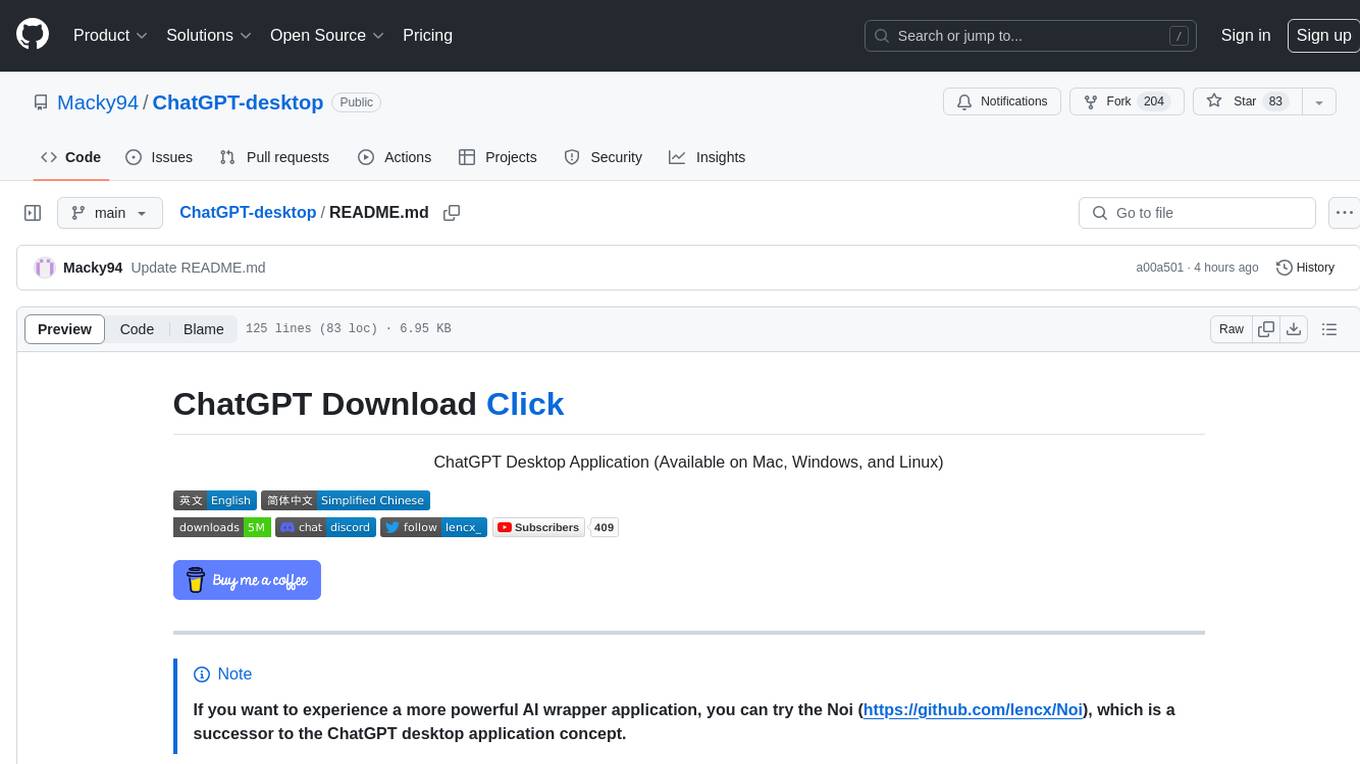
ChatGPT-desktop
ChatGPT Desktop Application is a multi-platform tool that provides a powerful AI wrapper for generating text. It offers features like text-to-speech, exporting chat history in various formats, automatic application upgrades, system tray hover window, support for slash commands, customization of global shortcuts, and pop-up search. The application is built using Tauri and aims to enhance user experience by simplifying text generation tasks. It is available for Mac, Windows, and Linux, and is designed for personal learning and research purposes.
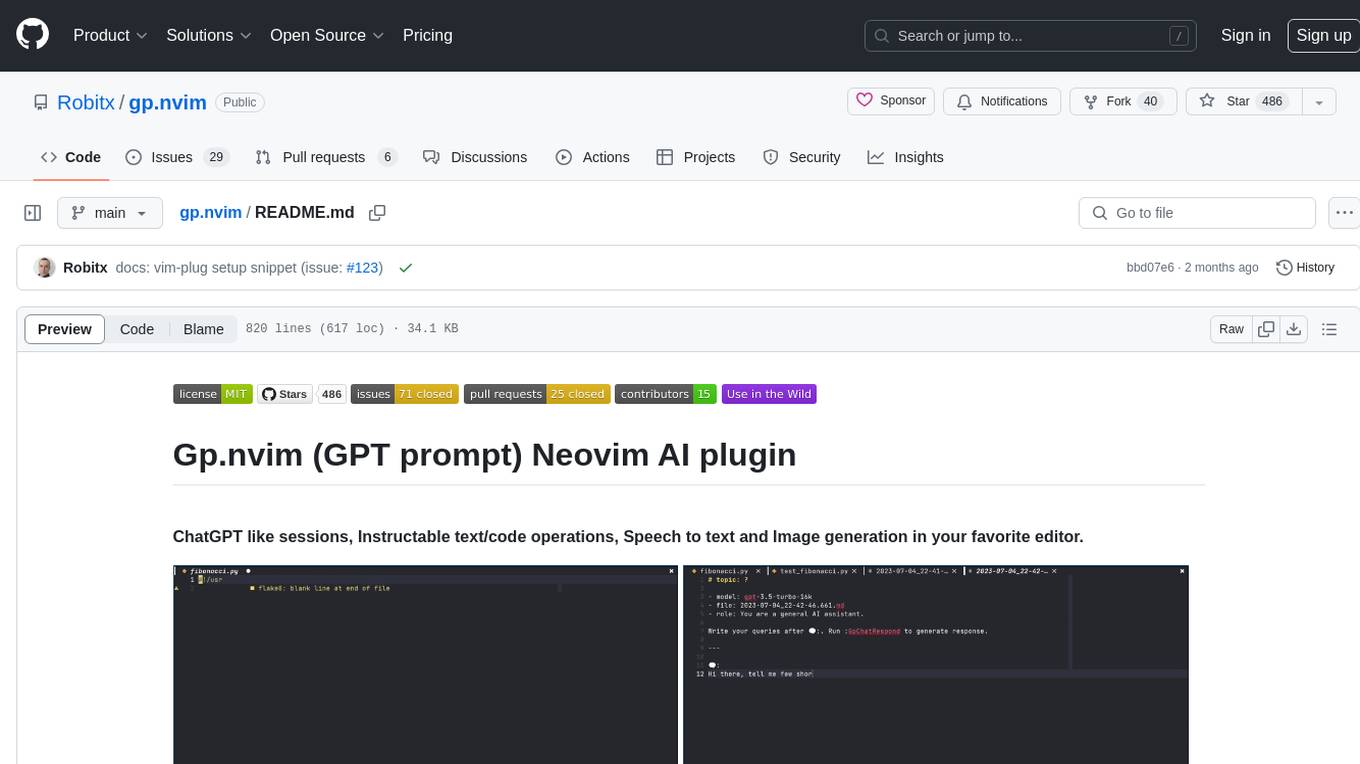
gp.nvim
Gp.nvim (GPT prompt) Neovim AI plugin provides a seamless integration of GPT models into Neovim, offering features like streaming responses, extensibility via hook functions, minimal dependencies, ChatGPT-like sessions, instructable text/code operations, speech-to-text support, and image generation directly within Neovim. The plugin aims to enhance the Neovim experience by leveraging the power of AI models in a user-friendly and native way.
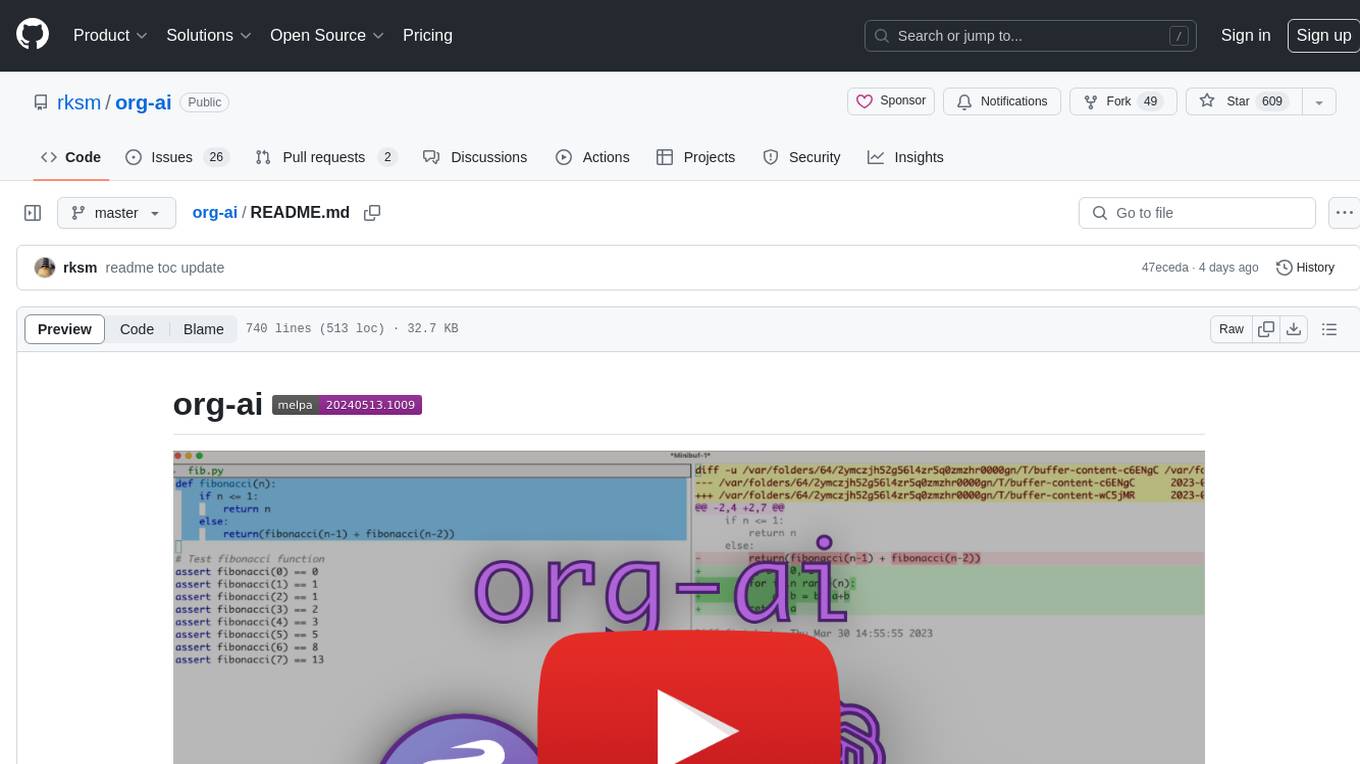
org-ai
org-ai is a minor mode for Emacs org-mode that provides access to generative AI models, including OpenAI API (ChatGPT, DALL-E, other text models) and Stable Diffusion. Users can use ChatGPT to generate text, have speech input and output interactions with AI, generate images and image variations using Stable Diffusion or DALL-E, and use various commands outside org-mode for prompting using selected text or multiple files. The tool supports syntax highlighting in AI blocks, auto-fill paragraphs on insertion, and offers block options for ChatGPT, DALL-E, and other text models. Users can also generate image variations, use global commands, and benefit from Noweb support for named source blocks.
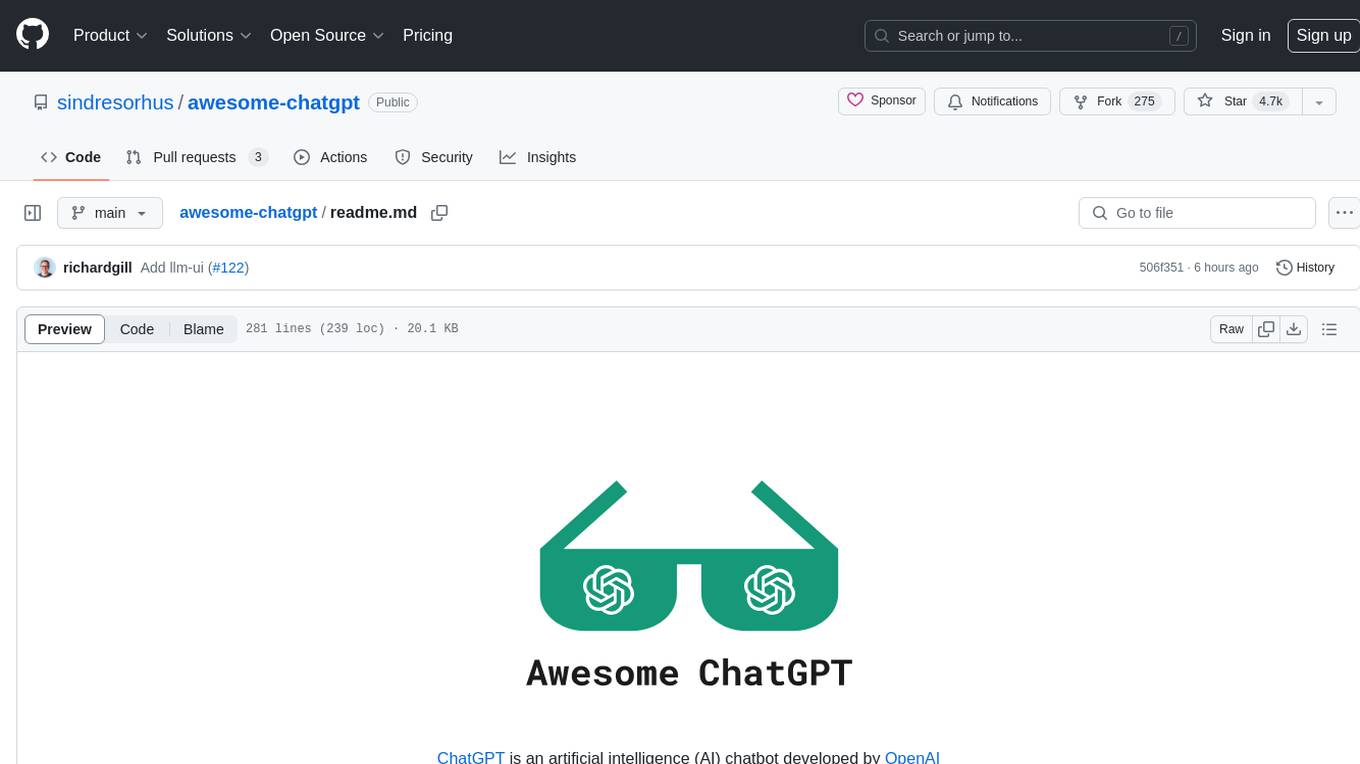
awesome-chatgpt
Awesome ChatGPT is an artificial intelligence chatbot developed by OpenAI. It offers a wide range of applications, web apps, browser extensions, CLI tools, bots, integrations, and packages for various platforms. Users can interact with ChatGPT through different interfaces and use it for tasks like generating text, creating presentations, summarizing content, and more. The ecosystem around ChatGPT includes tools for developers, writers, researchers, and individuals looking to leverage AI technology for different purposes.
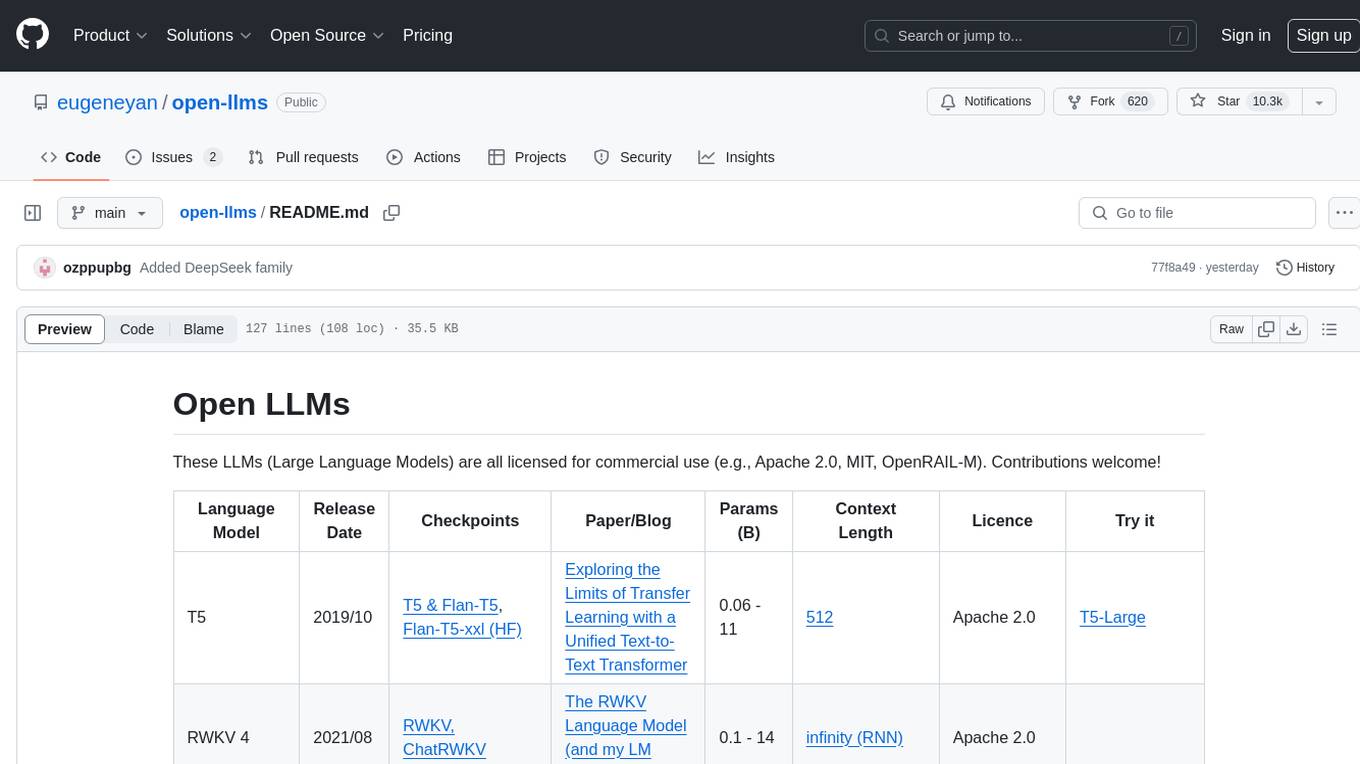
open-llms
Open LLMs is a repository containing various Large Language Models licensed for commercial use. It includes models like T5, GPT-NeoX, UL2, Bloom, Cerebras-GPT, Pythia, Dolly, and more. These models are designed for tasks such as transfer learning, language understanding, chatbot development, code generation, and more. The repository provides information on release dates, checkpoints, papers/blogs, parameters, context length, and licenses for each model. Contributions to the repository are welcome, and it serves as a resource for exploring the capabilities of different language models.
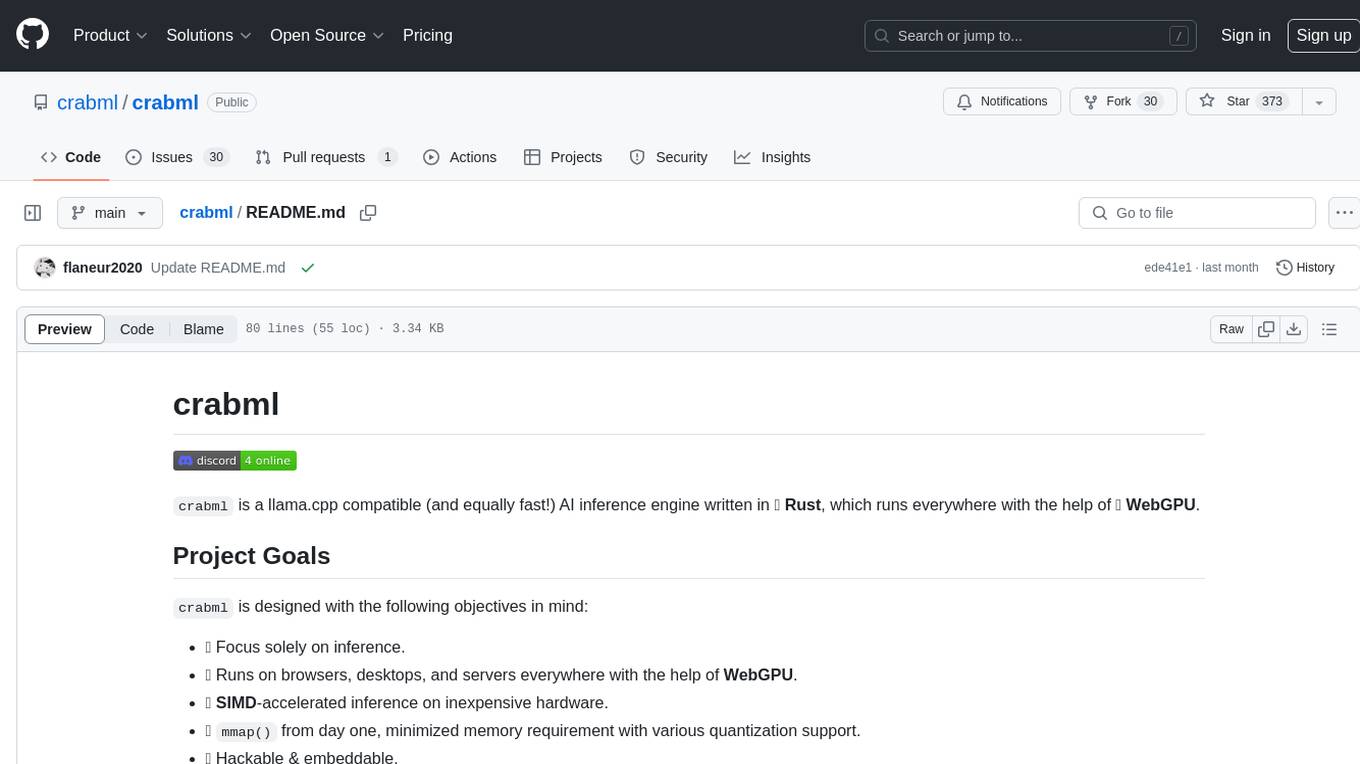
crabml
Crabml is a llama.cpp compatible AI inference engine written in Rust, designed for efficient inference on various platforms with WebGPU support. It focuses on running inference tasks with SIMD acceleration and minimal memory requirements, supporting multiple models and quantization methods. The project is hackable, embeddable, and aims to provide high-performance AI inference capabilities.
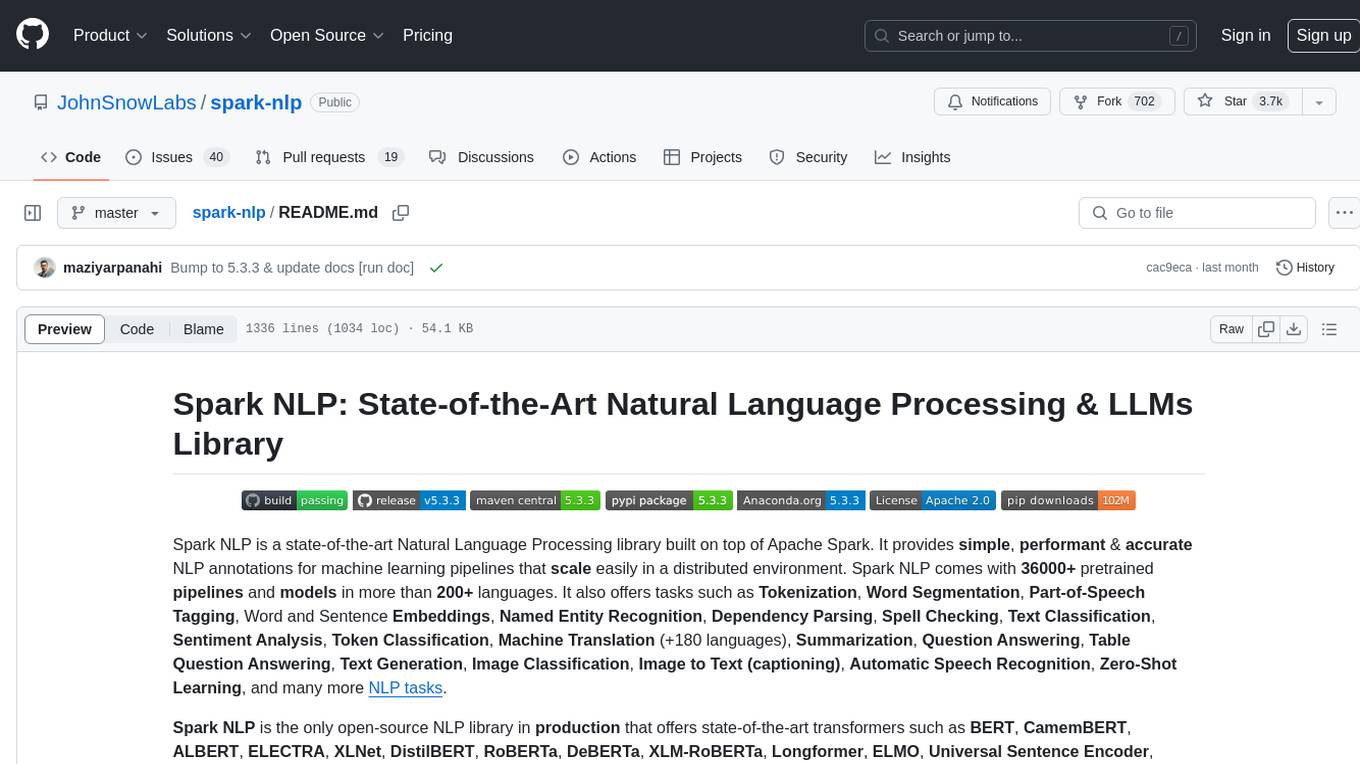
spark-nlp
Spark NLP is a state-of-the-art Natural Language Processing library built on top of Apache Spark. It provides simple, performant, and accurate NLP annotations for machine learning pipelines that scale easily in a distributed environment. Spark NLP comes with 36000+ pretrained pipelines and models in more than 200+ languages. It offers tasks such as Tokenization, Word Segmentation, Part-of-Speech Tagging, Named Entity Recognition, Dependency Parsing, Spell Checking, Text Classification, Sentiment Analysis, Token Classification, Machine Translation, Summarization, Question Answering, Table Question Answering, Text Generation, Image Classification, Image to Text (captioning), Automatic Speech Recognition, Zero-Shot Learning, and many more NLP tasks. Spark NLP is the only open-source NLP library in production that offers state-of-the-art transformers such as BERT, CamemBERT, ALBERT, ELECTRA, XLNet, DistilBERT, RoBERTa, DeBERTa, XLM-RoBERTa, Longformer, ELMO, Universal Sentence Encoder, Llama-2, M2M100, BART, Instructor, E5, Google T5, MarianMT, OpenAI GPT2, Vision Transformers (ViT), OpenAI Whisper, and many more not only to Python and R, but also to JVM ecosystem (Java, Scala, and Kotlin) at scale by extending Apache Spark natively.
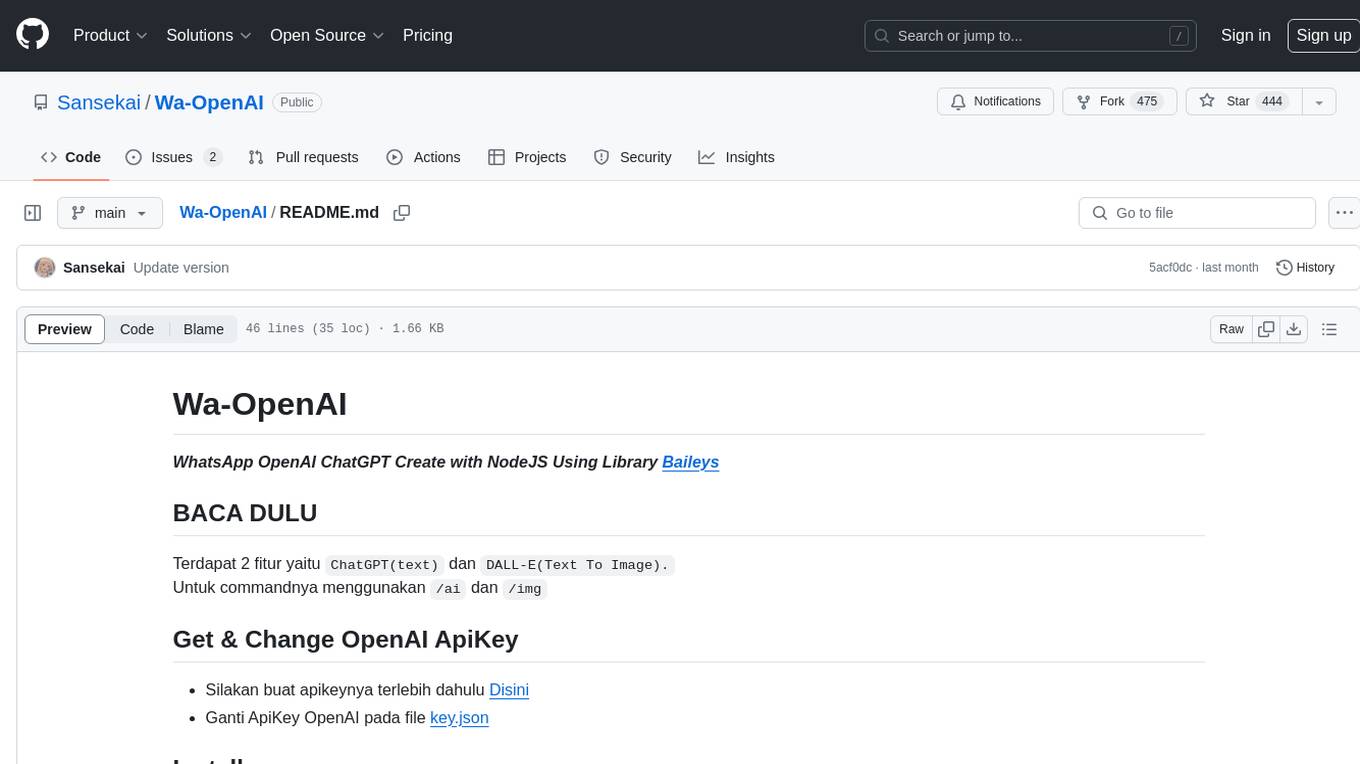
Wa-OpenAI
Wa-OpenAI is a WhatsApp chatbot powered by OpenAI's ChatGPT and DALL-E models, allowing users to interact with AI for text generation and image creation. Users can easily integrate the bot into their WhatsApp conversations using commands like '/ai' and '/img'. The tool requires setting up an OpenAI API key and can be installed on RDP/Windows or Termux environments. It provides a convenient way to leverage AI capabilities within WhatsApp chats, offering a seamless experience for generating text and images.
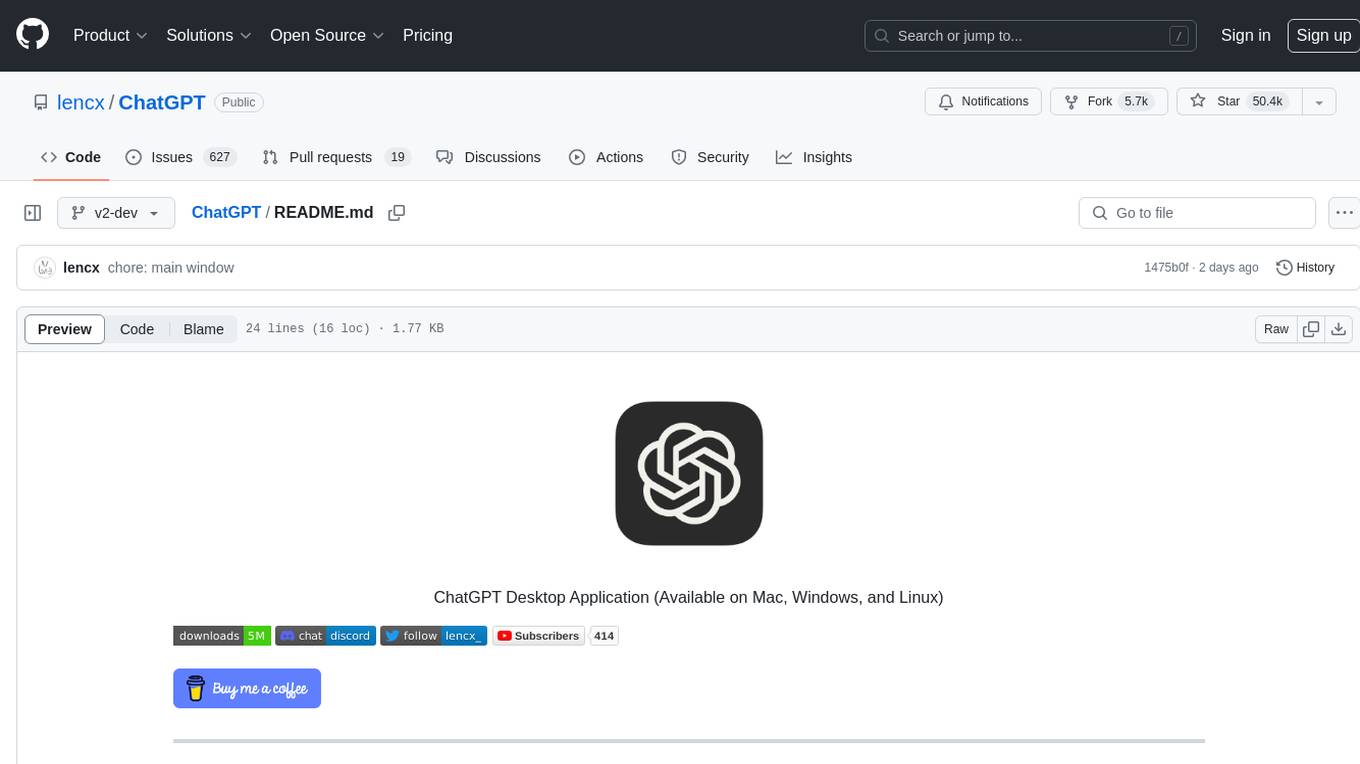
ChatGPT
ChatGPT is a desktop application available on Mac, Windows, and Linux that provides a powerful AI wrapper experience. It allows users to interact with AI models for various tasks such as generating text, answering questions, and engaging in conversations. The application is designed to be user-friendly and accessible to both beginners and advanced users. ChatGPT aims to enhance the user experience by offering a seamless interface for leveraging AI capabilities in everyday scenarios.
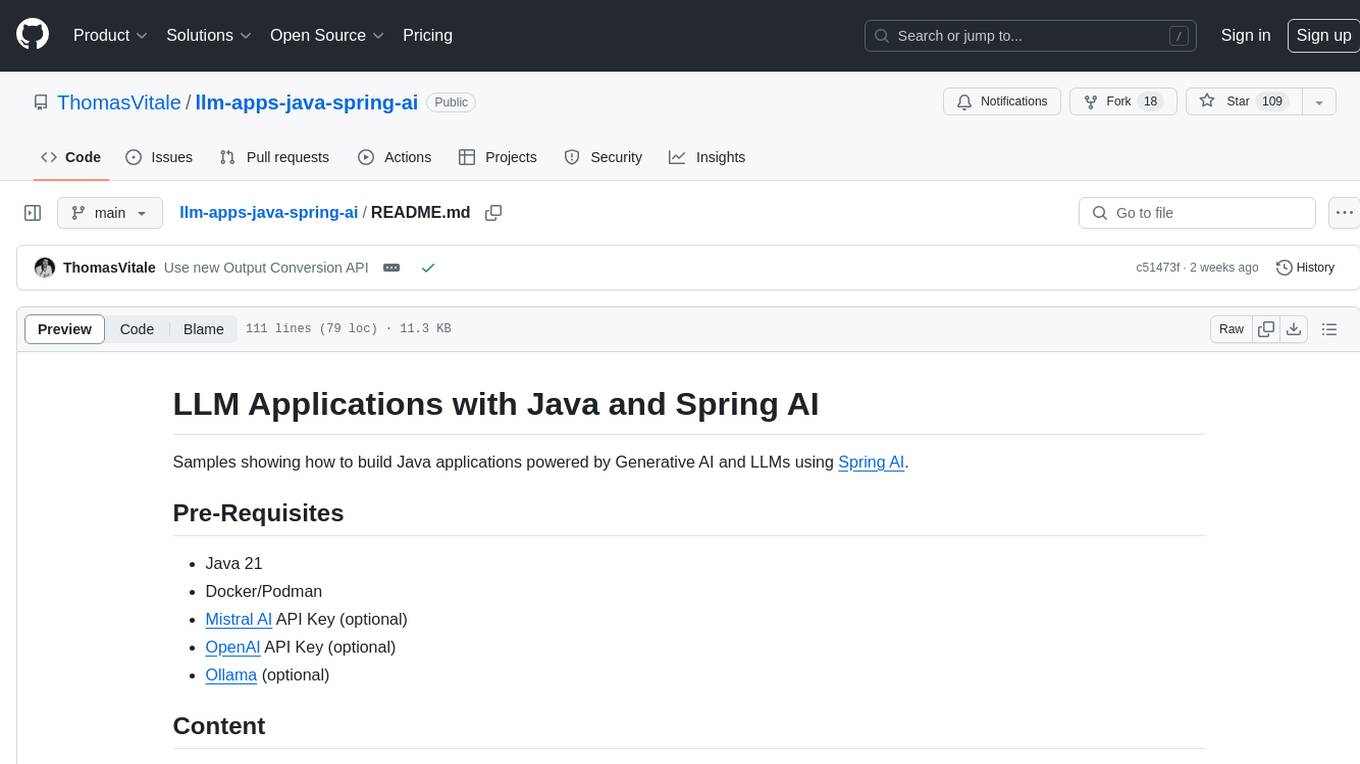
llm-apps-java-spring-ai
The 'LLM Applications with Java and Spring AI' repository provides samples demonstrating how to build Java applications powered by Generative AI and Large Language Models (LLMs) using Spring AI. It includes projects for question answering, chat completion models, prompts, templates, multimodality, output converters, embedding models, document ETL pipeline, function calling, image models, and audio models. The repository also lists prerequisites such as Java 21, Docker/Podman, Mistral AI API Key, OpenAI API Key, and Ollama. Users can explore various use cases and projects to leverage LLMs for text generation, vector transformation, document processing, and more.
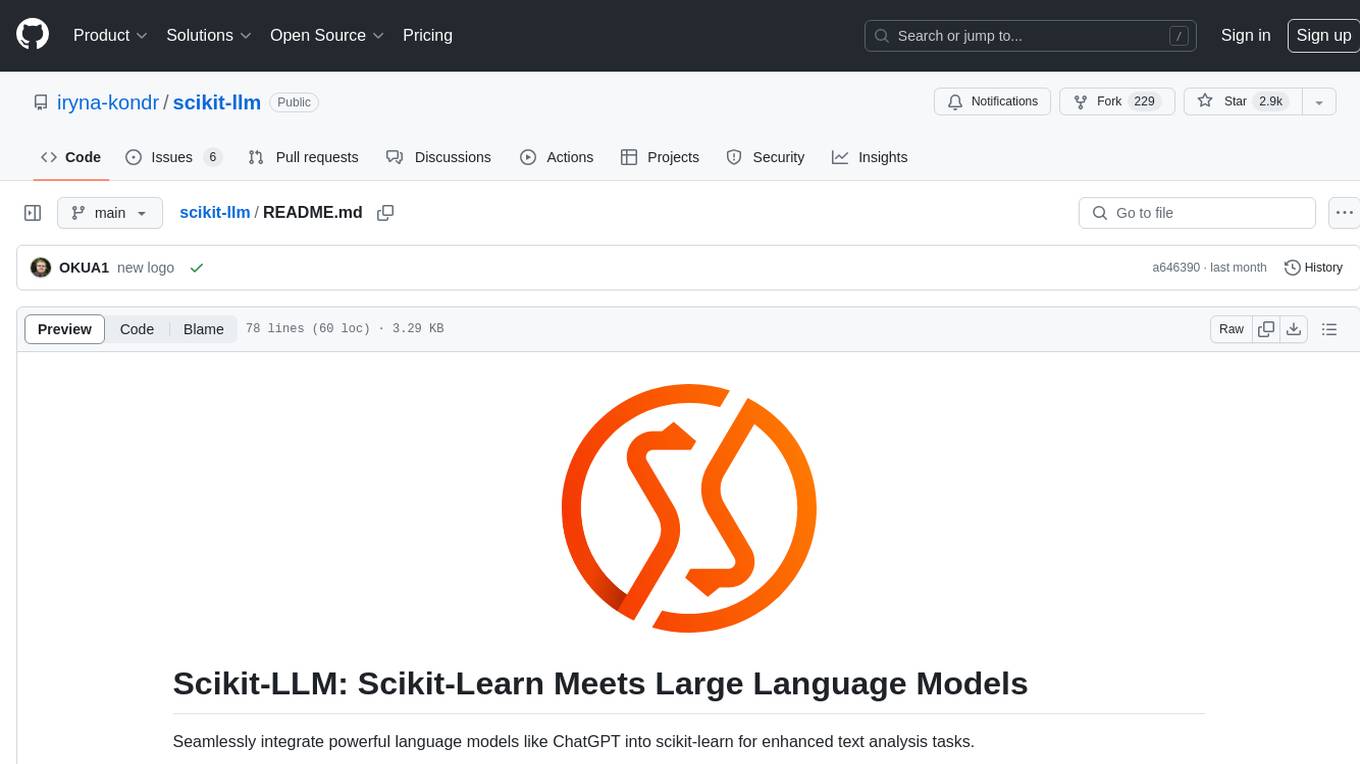
scikit-llm
Scikit-LLM is a tool that seamlessly integrates powerful language models like ChatGPT into scikit-learn for enhanced text analysis tasks. It allows users to leverage large language models for various text analysis applications within the familiar scikit-learn framework. The tool simplifies the process of incorporating advanced language processing capabilities into machine learning pipelines, enabling users to benefit from the latest advancements in natural language processing.
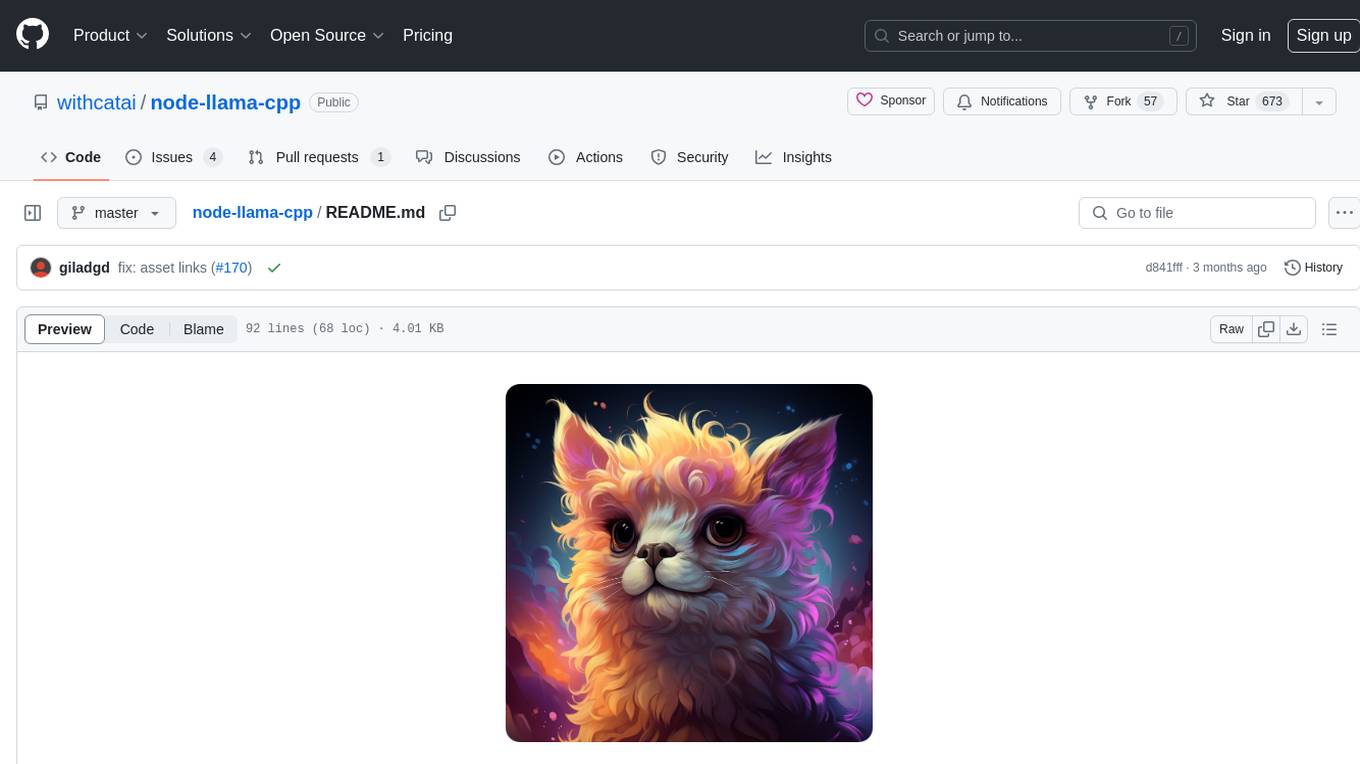
node-llama-cpp
node-llama-cpp is a tool that allows users to run AI models locally on their machines. It provides pre-built bindings with the option to build from source using cmake. Users can interact with text generation models, chat with models using a chat wrapper, and force models to generate output in a parseable format like JSON. The tool supports Metal and CUDA, offers CLI functionality for chatting with models without coding, and ensures up-to-date compatibility with the latest version of llama.cpp. Installation includes pre-built binaries for macOS, Linux, and Windows, with the option to build from source if binaries are not available for the platform.
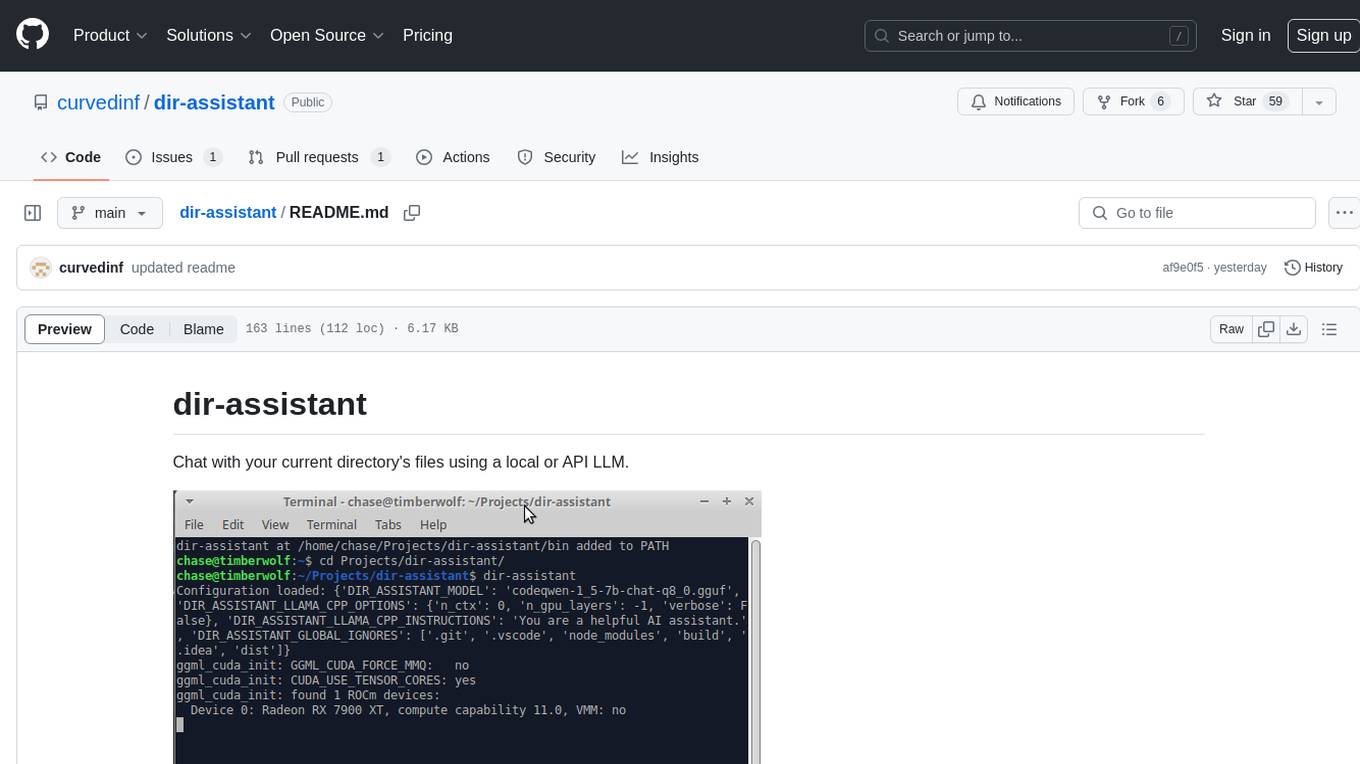
dir-assistant
Dir-assistant is a tool that allows users to interact with their current directory's files using local or API Language Models (LLMs). It supports various platforms and provides API support for major LLM APIs. Users can configure and customize their local LLMs and API LLMs using the tool. Dir-assistant also supports model downloads and configurations for efficient usage. It is designed to enhance file interaction and retrieval using advanced language models.
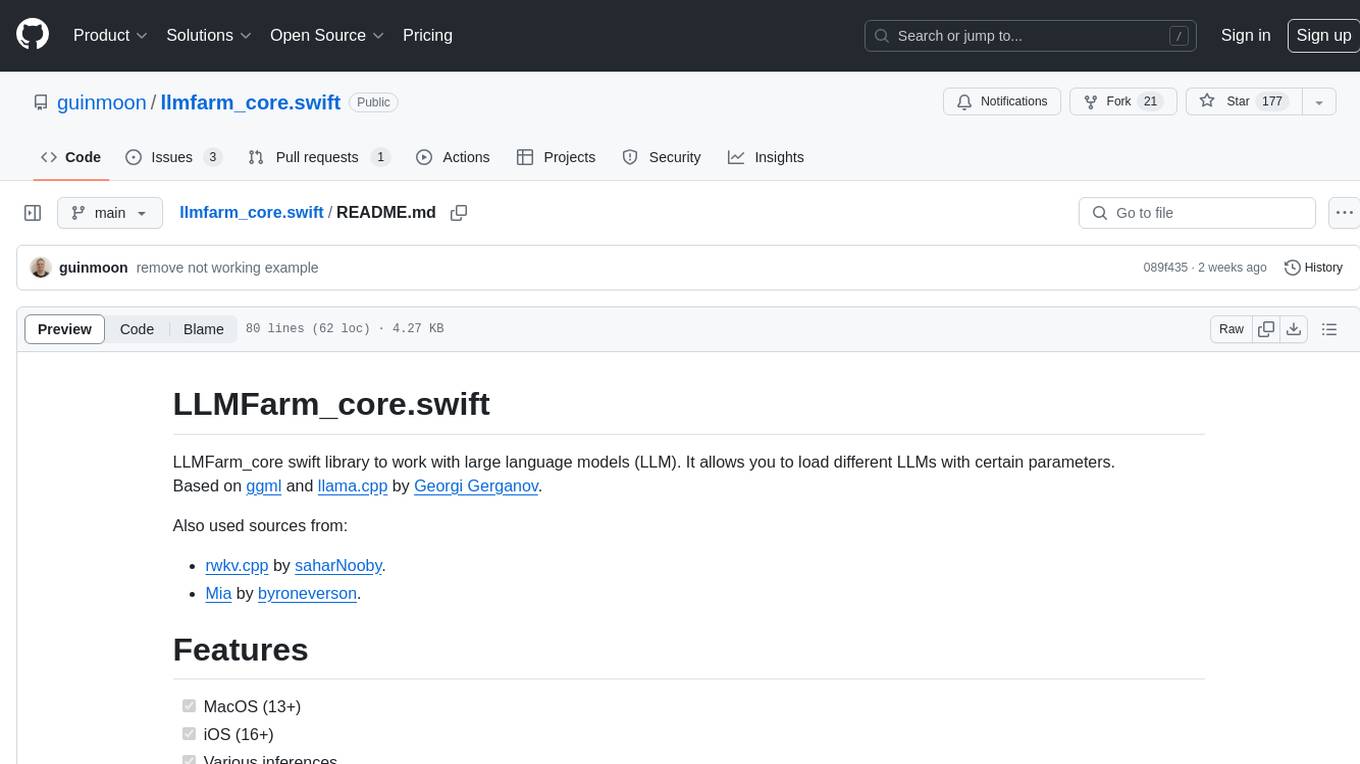
llmfarm_core.swift
LLMFarm_core.swift is a Swift library designed to work with large language models (LLM). It enables users to load different LLMs with specific parameters. The library supports MacOS (13+) and iOS (16+), offering various inferences and sampling methods. It includes features such as Metal support (not compatible with Intel Mac), model setting templates, LoRA adapters support, and LoRA train support. The library is based on ggml and llama.cpp by Georgi Gerganov, with additional sources from rwkv.cpp by saharNooby and Mia by byroneverson.
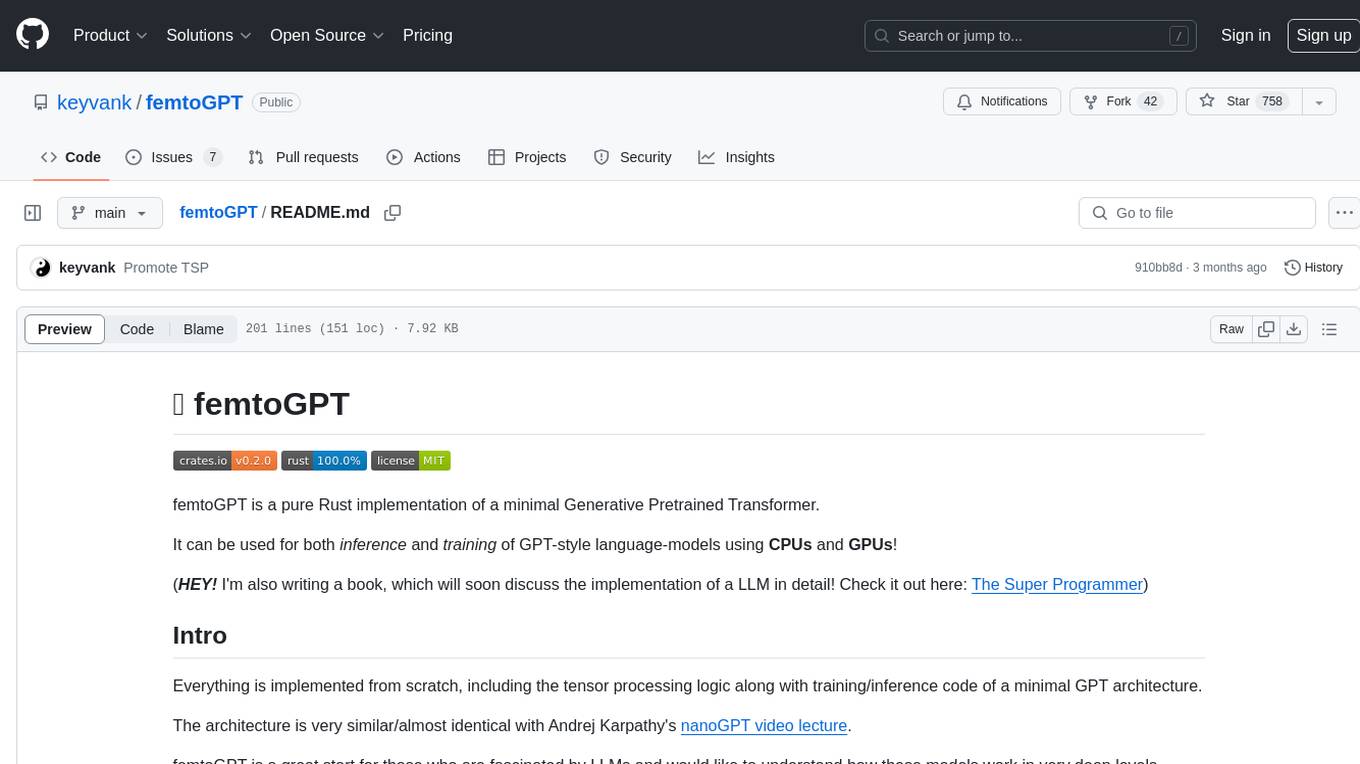
femtoGPT
femtoGPT is a pure Rust implementation of a minimal Generative Pretrained Transformer. It can be used for both inference and training of GPT-style language models using CPUs and GPUs. The tool is implemented from scratch, including tensor processing logic and training/inference code of a minimal GPT architecture. It is a great start for those fascinated by LLMs and wanting to understand how these models work at deep levels. The tool uses random generation libraries, data-serialization libraries, and a parallel computing library. It is relatively fast on CPU and correctness of gradients is checked using the gradient-check method.
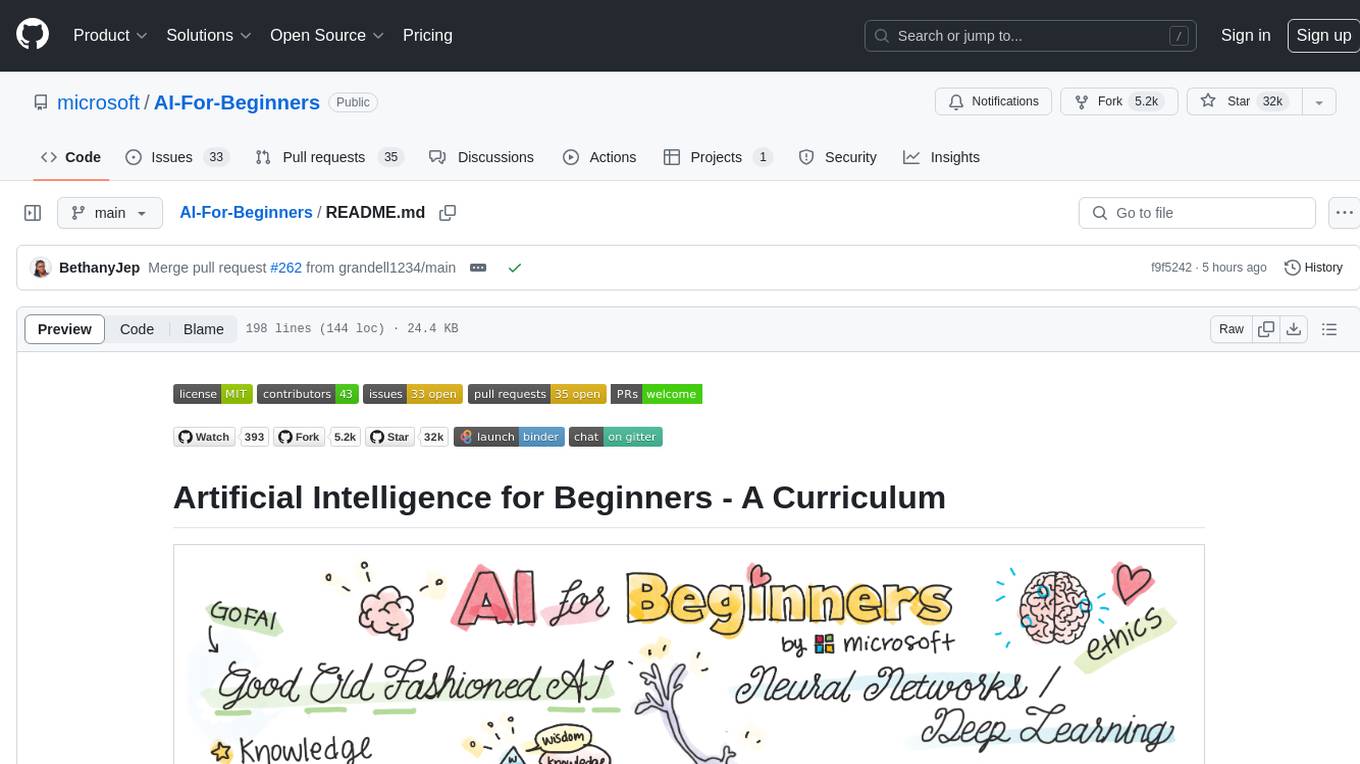
AI-For-Beginners
AI-For-Beginners is a comprehensive 12-week, 24-lesson curriculum designed by experts at Microsoft to introduce beginners to the world of Artificial Intelligence (AI). The curriculum covers various topics such as Symbolic AI, Neural Networks, Computer Vision, Natural Language Processing, Genetic Algorithms, and Multi-Agent Systems. It includes hands-on lessons, quizzes, and labs using popular frameworks like TensorFlow and PyTorch. The focus is on providing a foundational understanding of AI concepts and principles, making it an ideal starting point for individuals interested in AI.
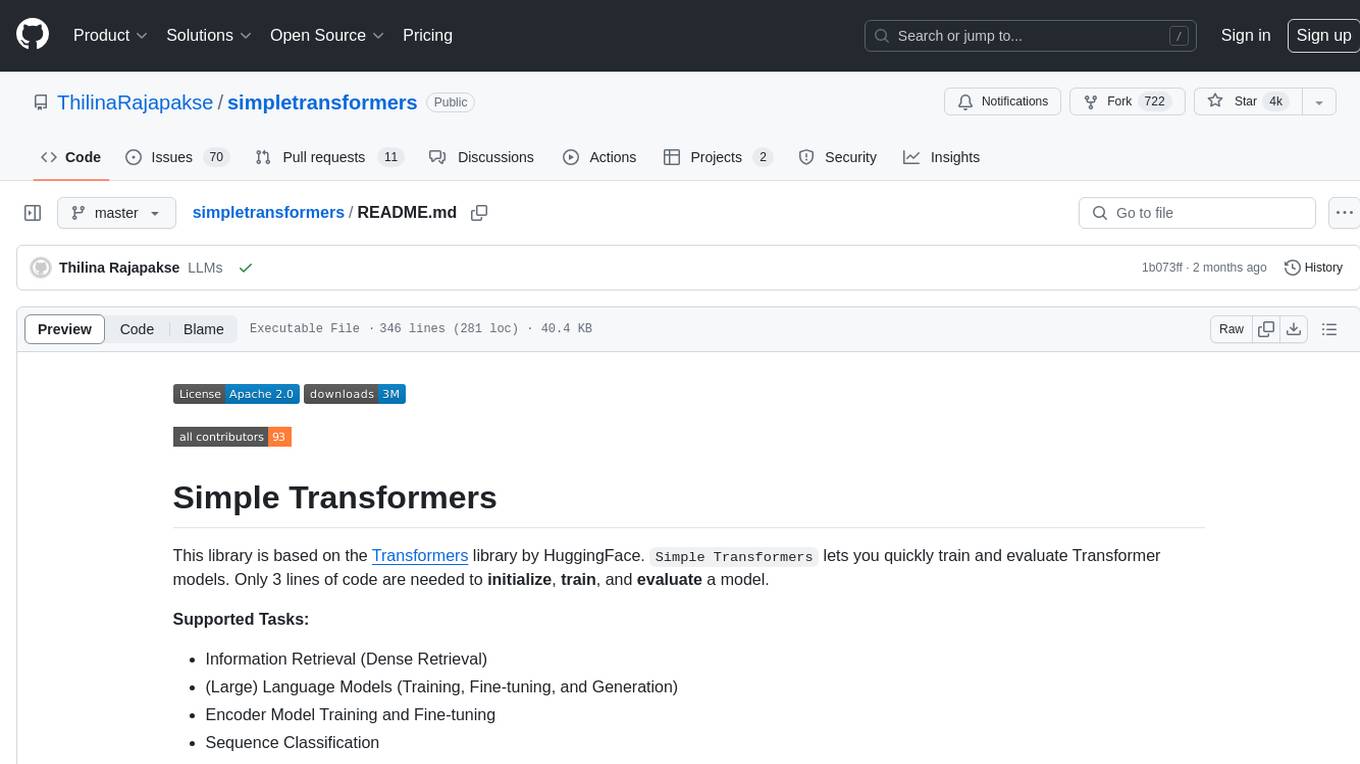
simpletransformers
Simple Transformers is a library based on the Transformers library by HuggingFace, allowing users to quickly train and evaluate Transformer models with only 3 lines of code. It supports various tasks such as Information Retrieval, Language Models, Encoder Model Training, Sequence Classification, Token Classification, Question Answering, Language Generation, T5 Model, Seq2Seq Tasks, Multi-Modal Classification, and Conversational AI.
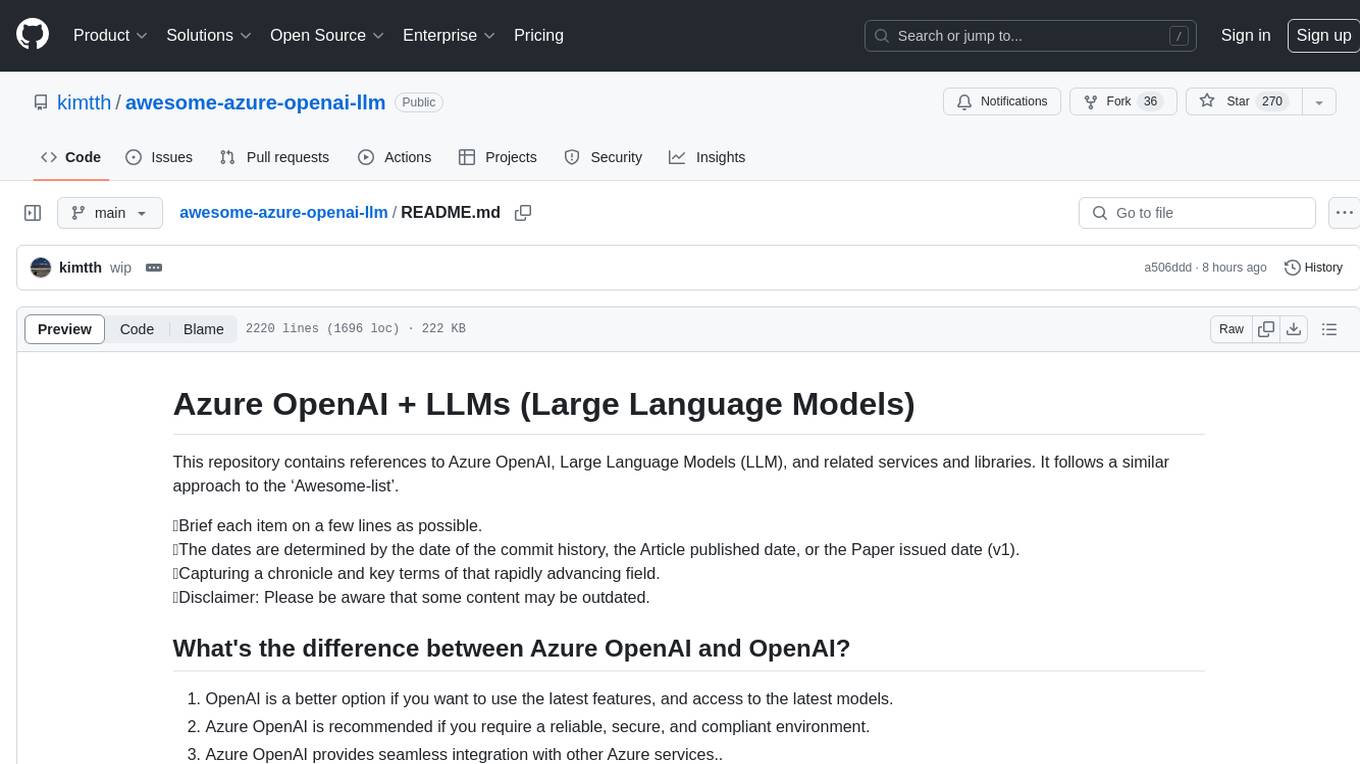
awesome-azure-openai-llm
This repository is a collection of references to Azure OpenAI, Large Language Models (LLM), and related services and libraries. It provides information on various topics such as RAG, Azure OpenAI, LLM applications, agent design patterns, semantic kernel, prompting, finetuning, challenges & abilities, LLM landscape, surveys & references, AI tools & extensions, datasets, and evaluations. The content covers a wide range of topics related to AI, machine learning, and natural language processing, offering insights into the latest advancements in the field.
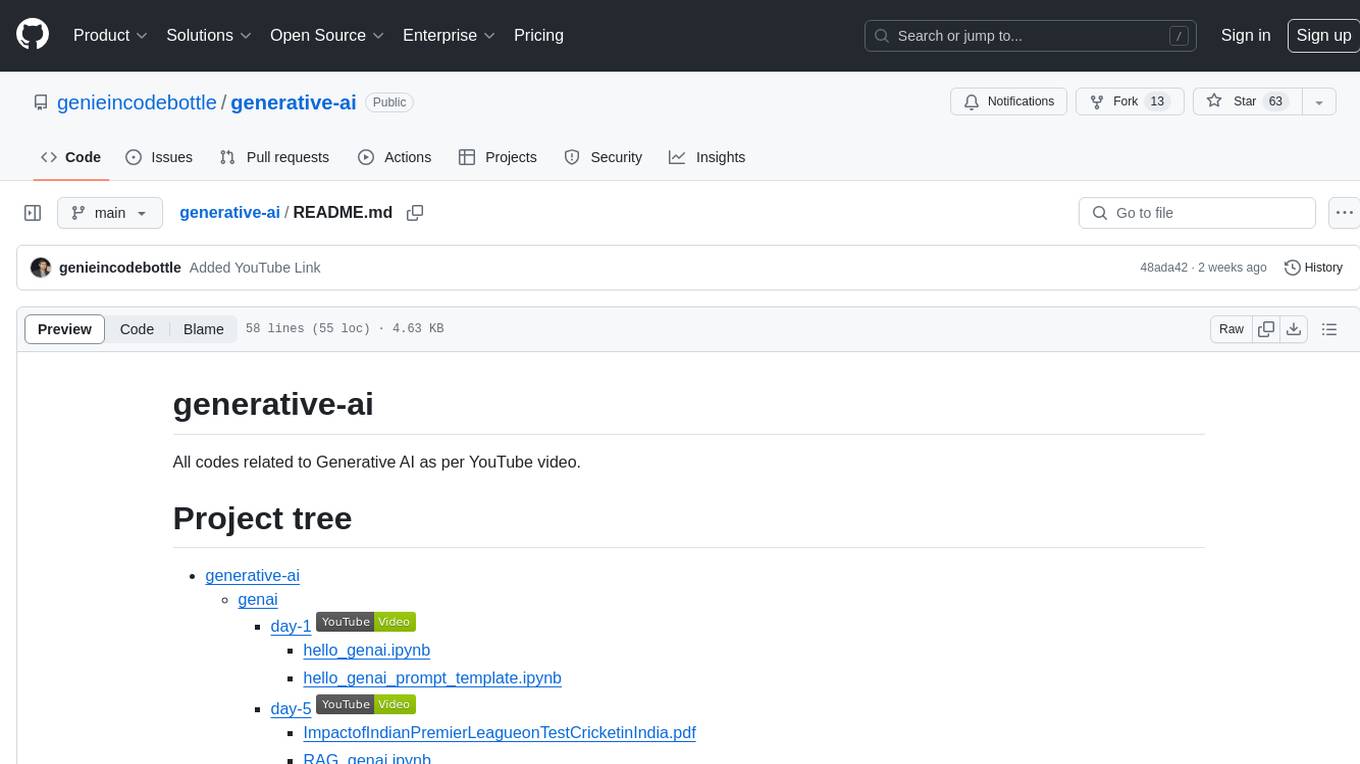
generative-ai
This repository contains codes related to Generative AI as per YouTube video. It includes various notebooks and files for different days covering topics like map reduce, text to SQL, LLM parameters, tagging, and Kaggle competition. The repository also includes resources like PDF files and databases for different projects related to Generative AI.
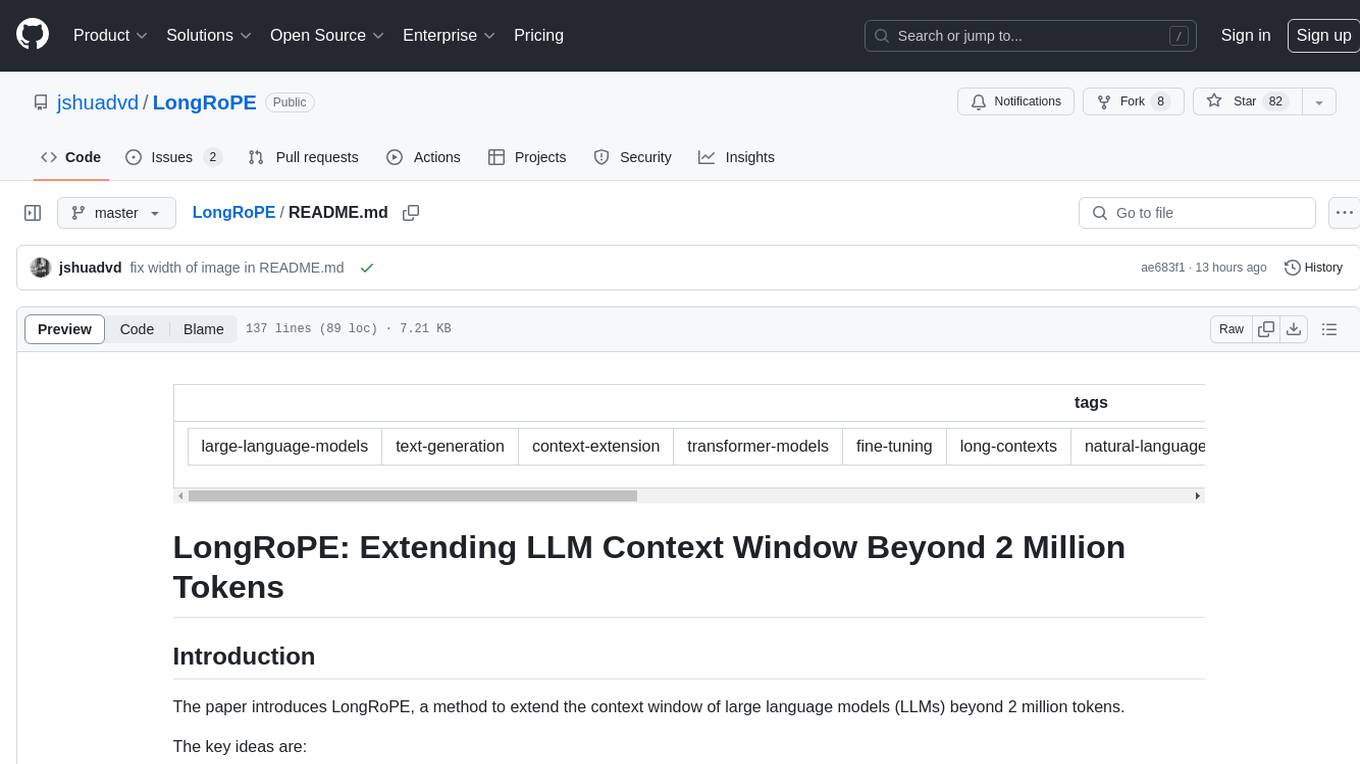
LongRoPE
LongRoPE is a method to extend the context window of large language models (LLMs) beyond 2 million tokens. It identifies and exploits non-uniformities in positional embeddings to enable 8x context extension without fine-tuning. The method utilizes a progressive extension strategy with 256k fine-tuning to reach a 2048k context. It adjusts embeddings for shorter contexts to maintain performance within the original window size. LongRoPE has been shown to be effective in maintaining performance across various tasks from 4k to 2048k context lengths.
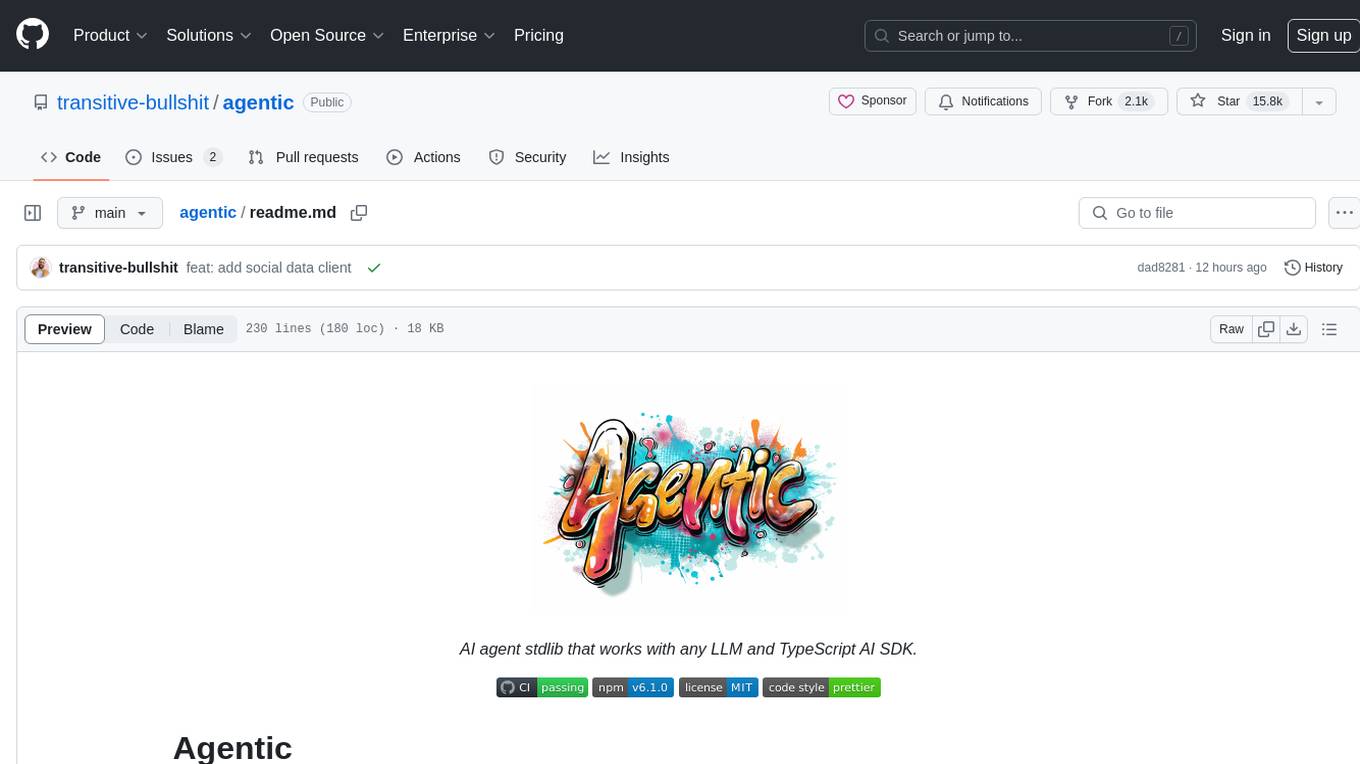
agentic
Agentic is a standard AI functions/tools library optimized for TypeScript and LLM-based apps, compatible with major AI SDKs. It offers a set of thoroughly tested AI functions that can be used with favorite AI SDKs without writing glue code. The library includes various clients for services like Bing web search, calculator, Clearbit data resolution, Dexa podcast questions, and more. It also provides compound tools like SearchAndCrawl and supports multiple AI SDKs such as OpenAI, Vercel AI SDK, LangChain, LlamaIndex, Firebase Genkit, and Dexa Dexter. The goal is to create minimal clients with strongly-typed TypeScript DX, composable AIFunctions via AIFunctionSet, and compatibility with major TS AI SDKs.
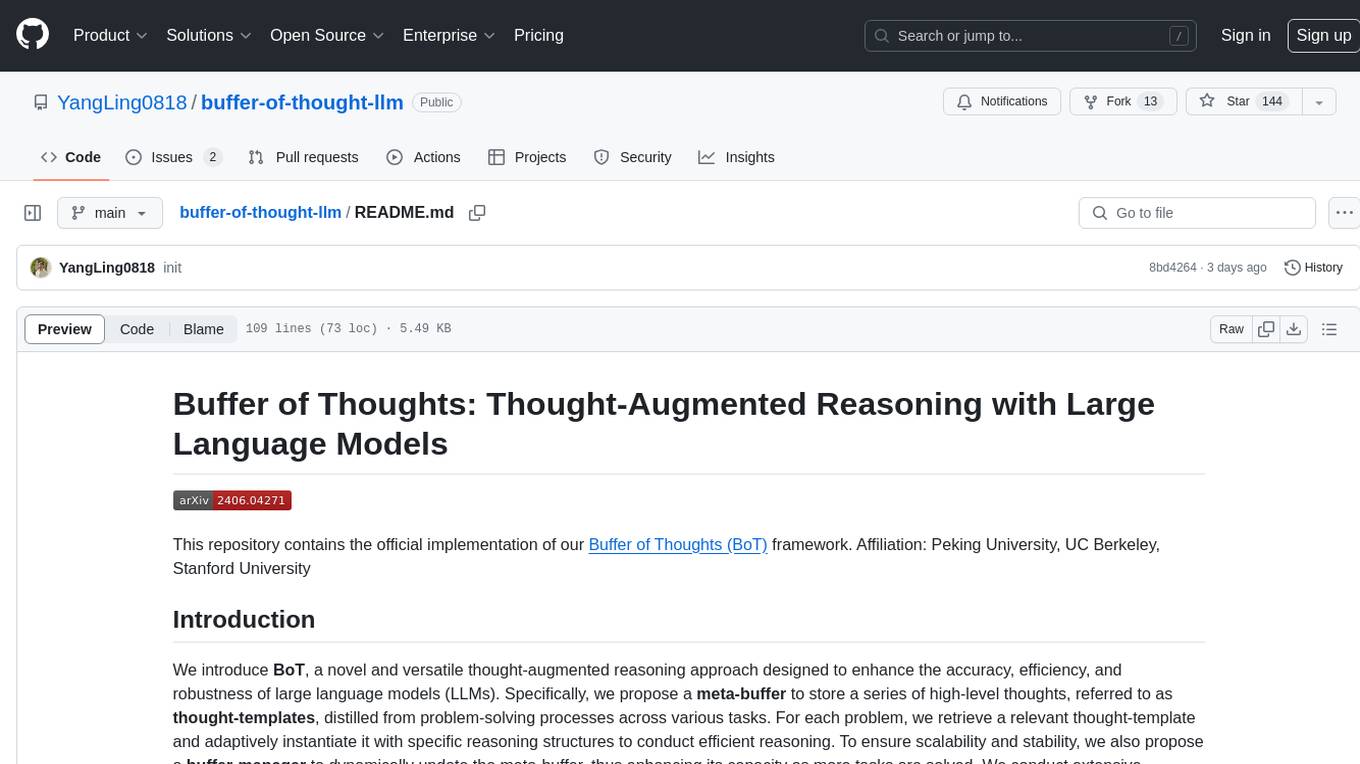
buffer-of-thought-llm
Buffer of Thoughts (BoT) is a thought-augmented reasoning framework designed to enhance the accuracy, efficiency, and robustness of large language models (LLMs). It introduces a meta-buffer to store high-level thought-templates distilled from problem-solving processes, enabling adaptive reasoning for efficient problem-solving. The framework includes a buffer-manager to dynamically update the meta-buffer, ensuring scalability and stability. BoT achieves significant performance improvements on reasoning-intensive tasks and demonstrates superior generalization ability and robustness while being cost-effective compared to other methods.
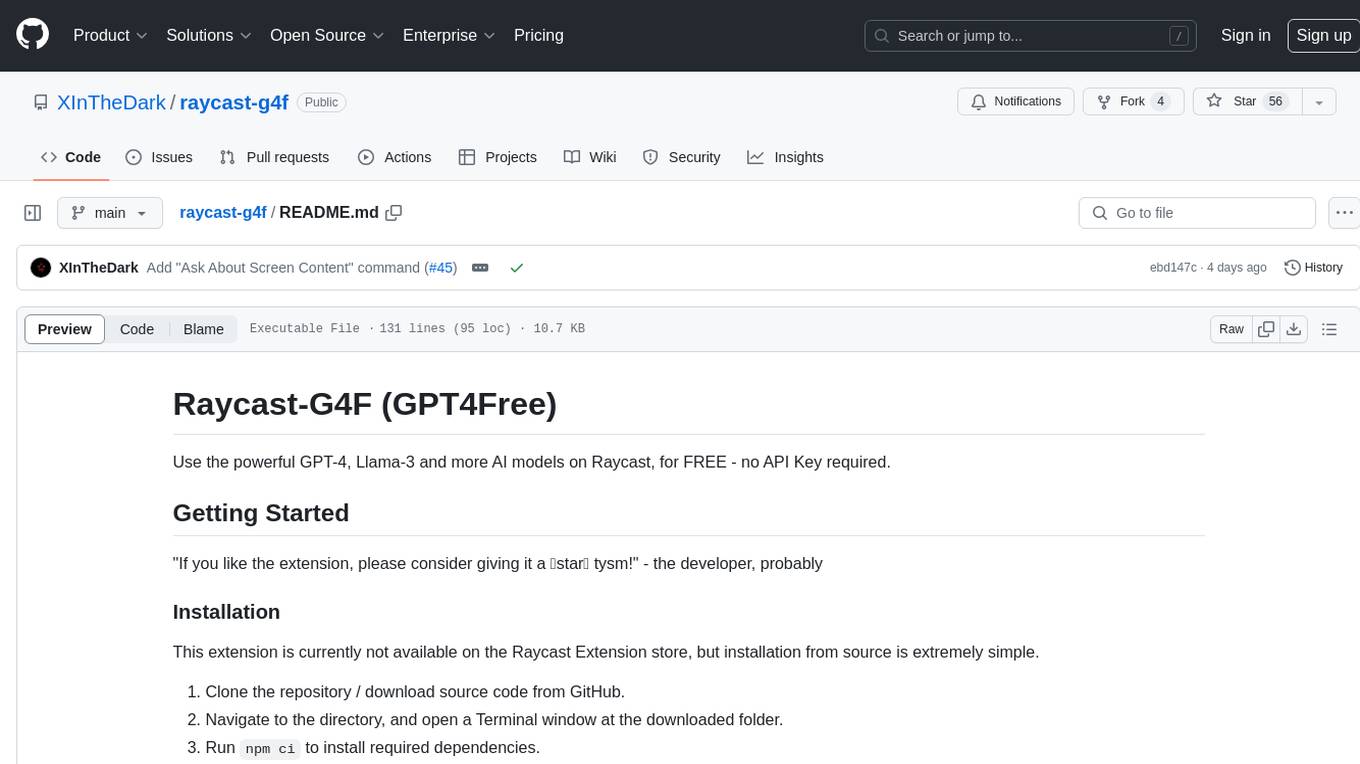
raycast-g4f
Raycast-G4F is a free extension that allows users to leverage powerful AI models such as GPT-4 and Llama-3 within the Raycast app without the need for an API key. The extension offers features like streaming support, diverse commands, chat interaction with AI, web search capabilities, file upload functionality, image generation, and custom AI commands. Users can easily install the extension from the source code and benefit from frequent updates and a user-friendly interface. Raycast-G4F supports various providers and models, each with different capabilities and performance ratings, ensuring a versatile AI experience for users.
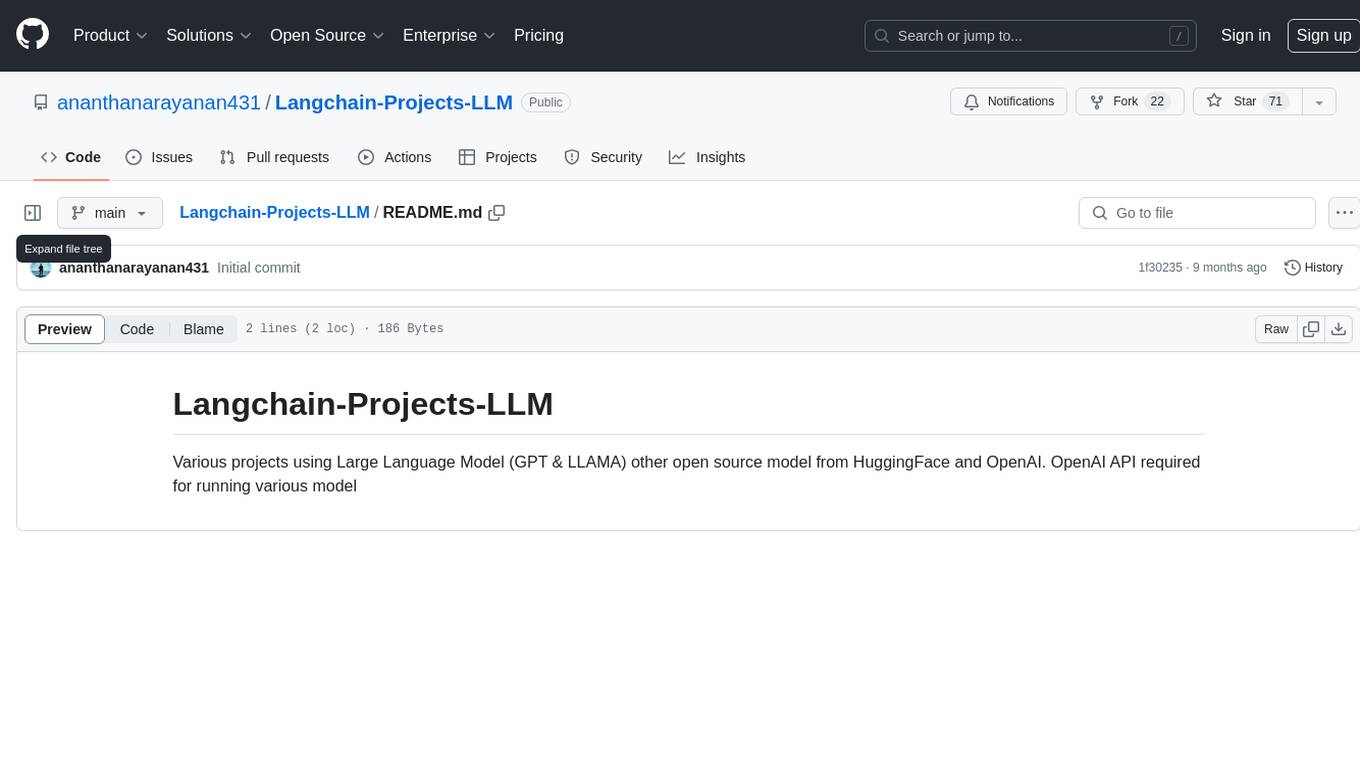
Langchain-Projects-LLM
Langchain-Projects-LLM is a repository containing various projects utilizing Large Language Models such as GPT and LLAMA from HuggingFace and OpenAI. Users need the OpenAI API to run these models.
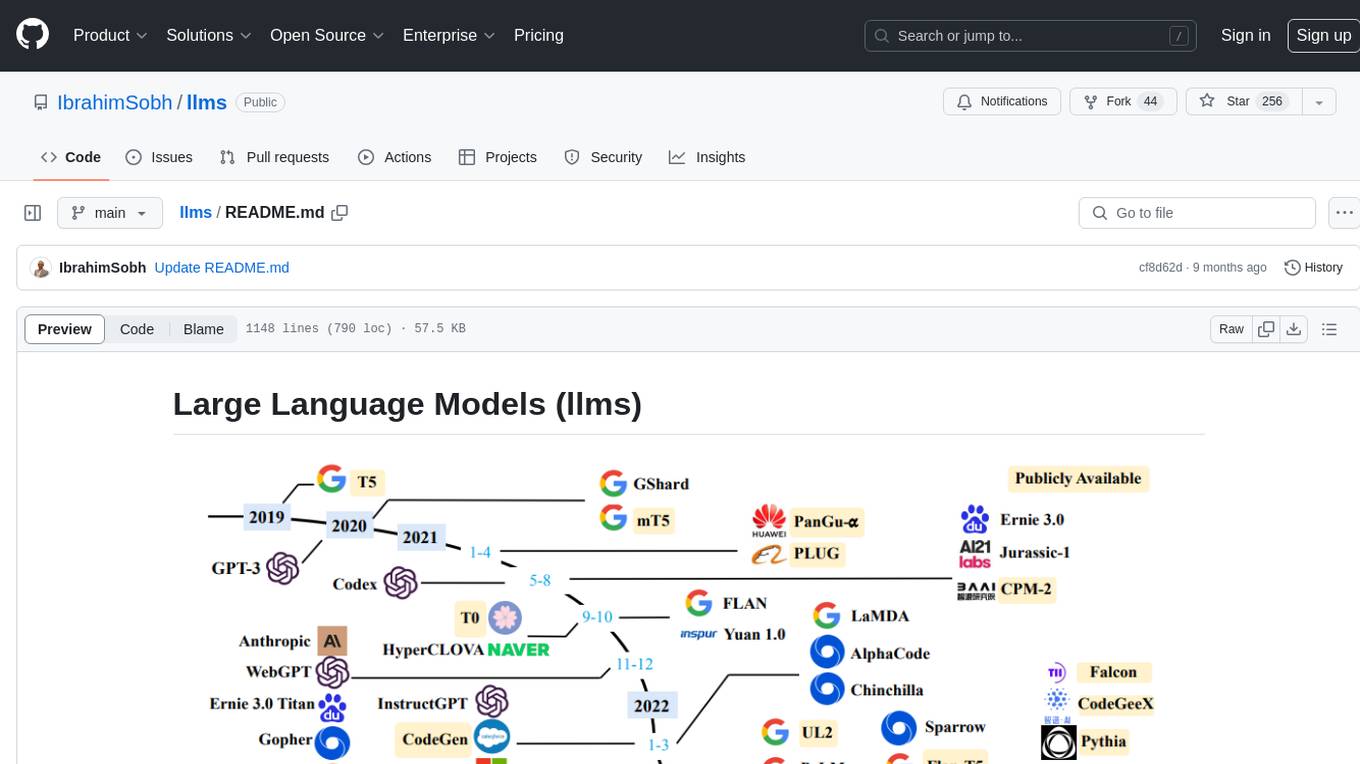
llms
The 'llms' repository is a comprehensive guide on Large Language Models (LLMs), covering topics such as language modeling, applications of LLMs, statistical language modeling, neural language models, conditional language models, evaluation methods, transformer-based language models, practical LLMs like GPT and BERT, prompt engineering, fine-tuning LLMs, retrieval augmented generation, AI agents, and LLMs for computer vision. The repository provides detailed explanations, examples, and tools for working with LLMs.
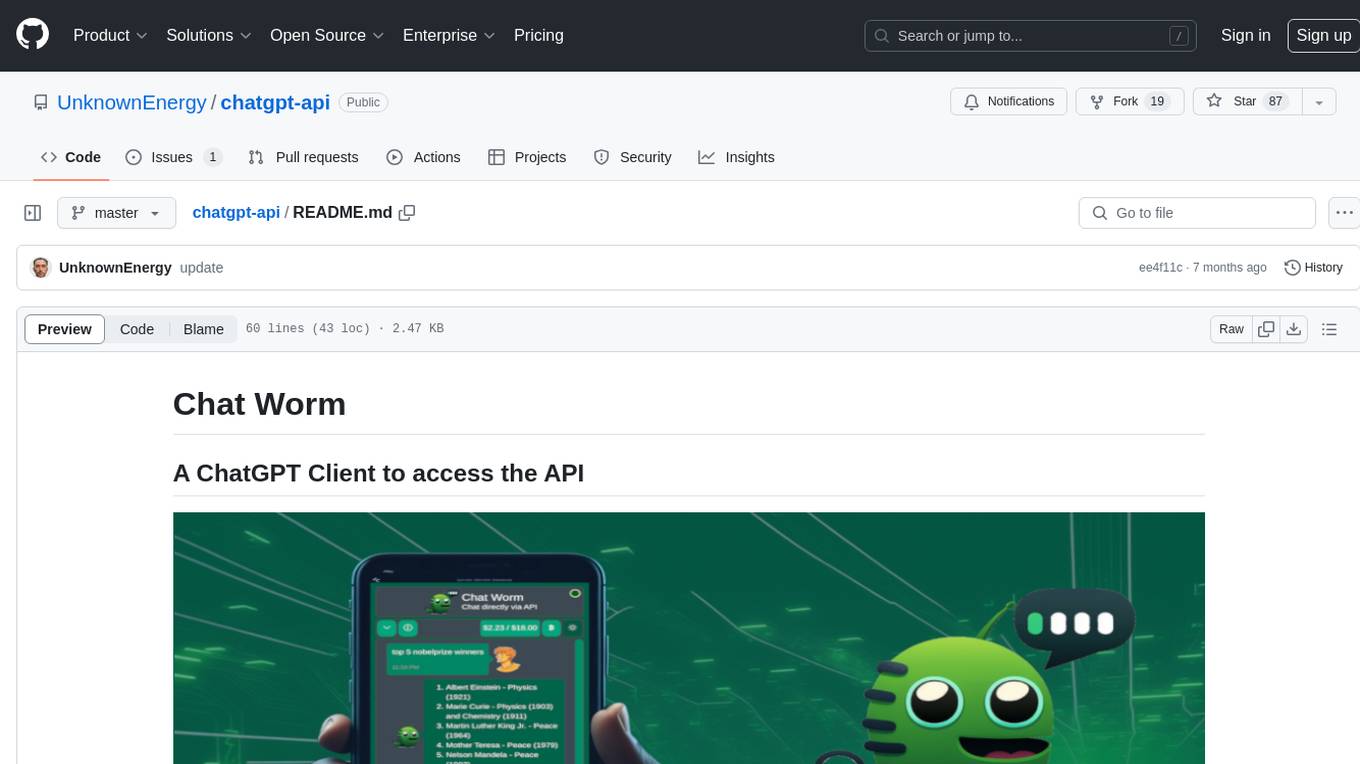
chatgpt-api
Chat Worm is a ChatGPT client that provides access to the API for generating text using OpenAI's GPT models. It works as a single-page application directly communicating with the API, allowing users to interact with the latest GPT-4 model if they have access. The project includes web, Android, and Windows apps for easy access. Users can set up local development, contribute improvements via pull requests, report bugs or request features on GitHub, deploy to production servers, and release on different app stores. The project is licensed under the MIT License.
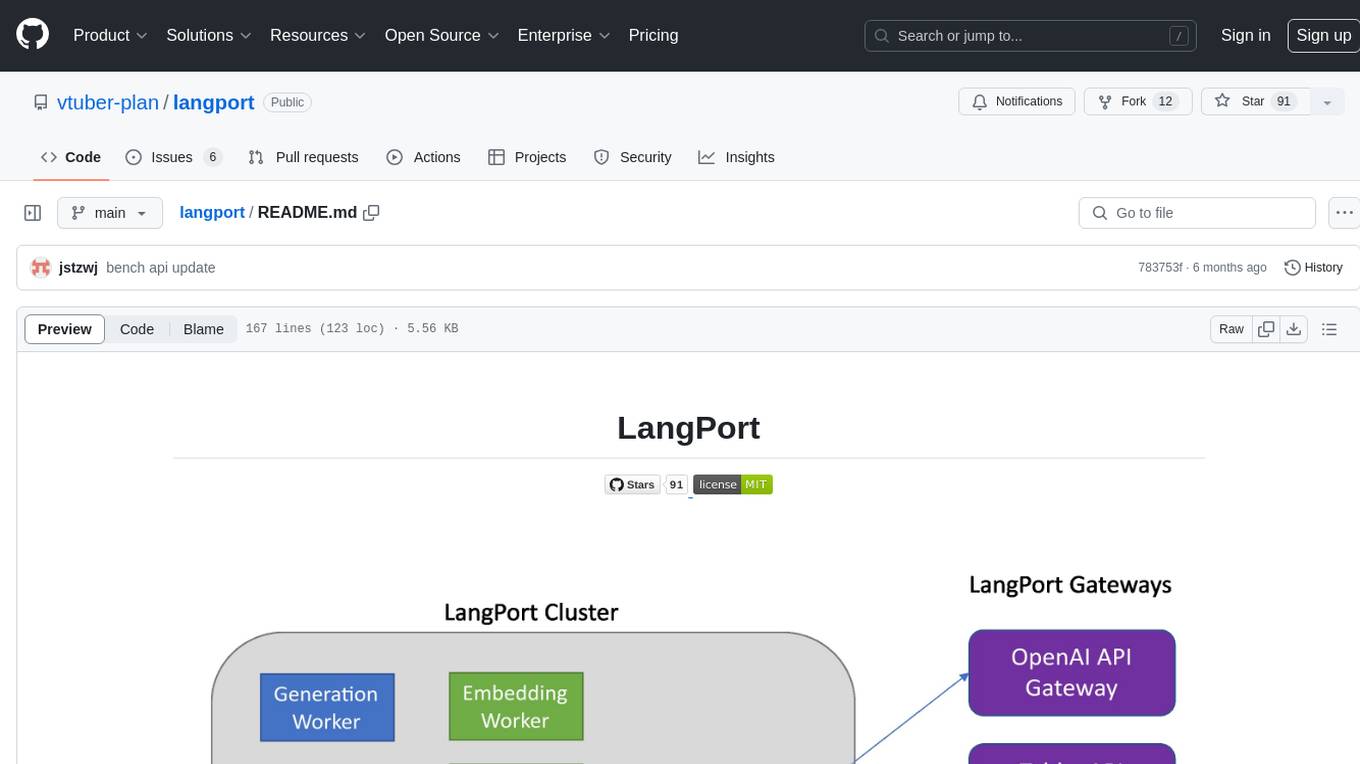
langport
LangPort is an open-source platform for serving large language models. It aims to provide a super fast LLM inference service with core features including Huggingface transformers support, distributed serving system, streaming generation, batch inference, and support for various model architectures. It offers compatibility with OpenAI, FauxPilot, HuggingFace, and Tabby APIs. The project supports model architectures like LLaMa, GLM, GPT2, and GPT Neo, and has been tested with models such as NingYu, Vicuna, ChatGLM, and WizardLM. LangPort also provides features like dynamic batch inference, int4 quantization, and generation logprobs parameter.
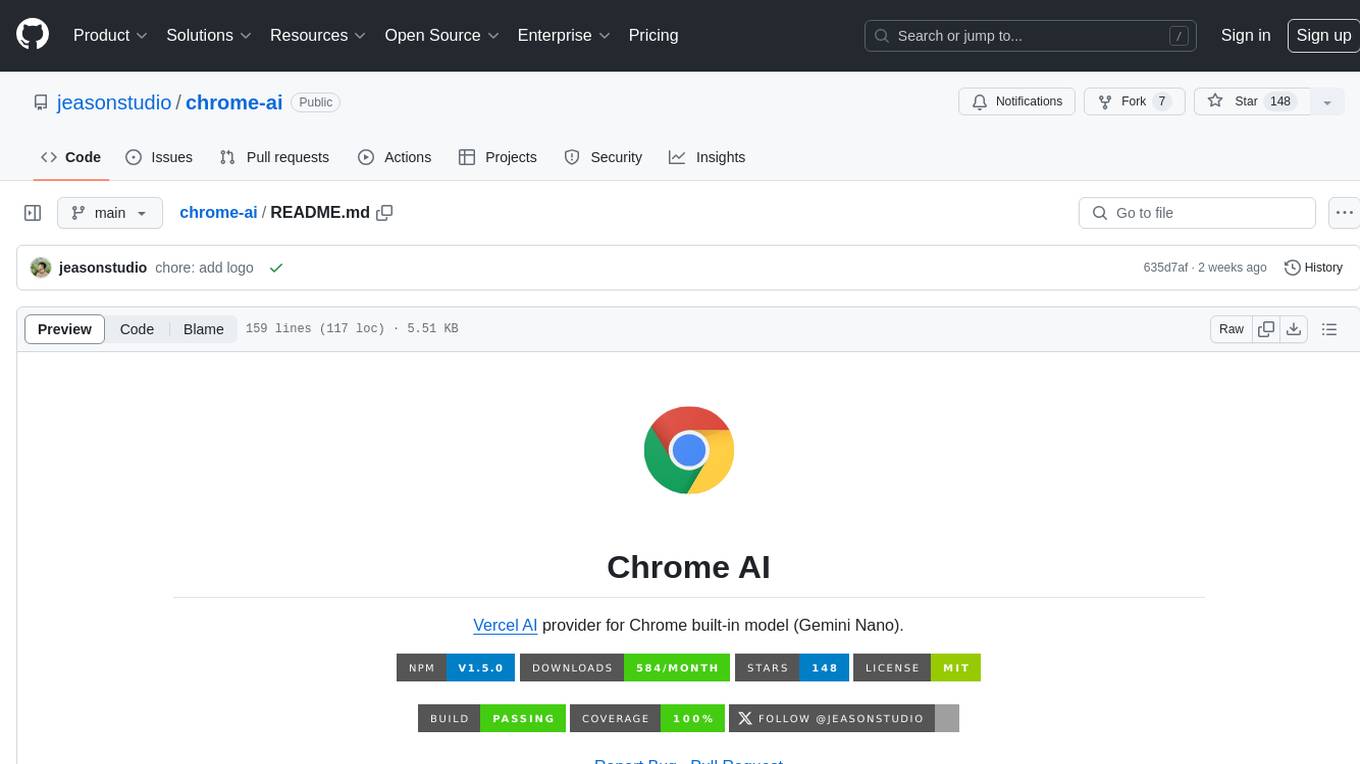
chrome-ai
Chrome AI is a Vercel AI provider for Chrome's built-in model (Gemini Nano). It allows users to create language models using Chrome's AI capabilities. The tool is under development and may contain errors and frequent changes. Users can install the ChromeAI provider module and use it to generate text, stream text, and generate objects. To enable AI in Chrome, users need to have Chrome version 127 or greater and turn on specific flags. The tool is designed for developers and researchers interested in experimenting with Chrome's built-in AI features.
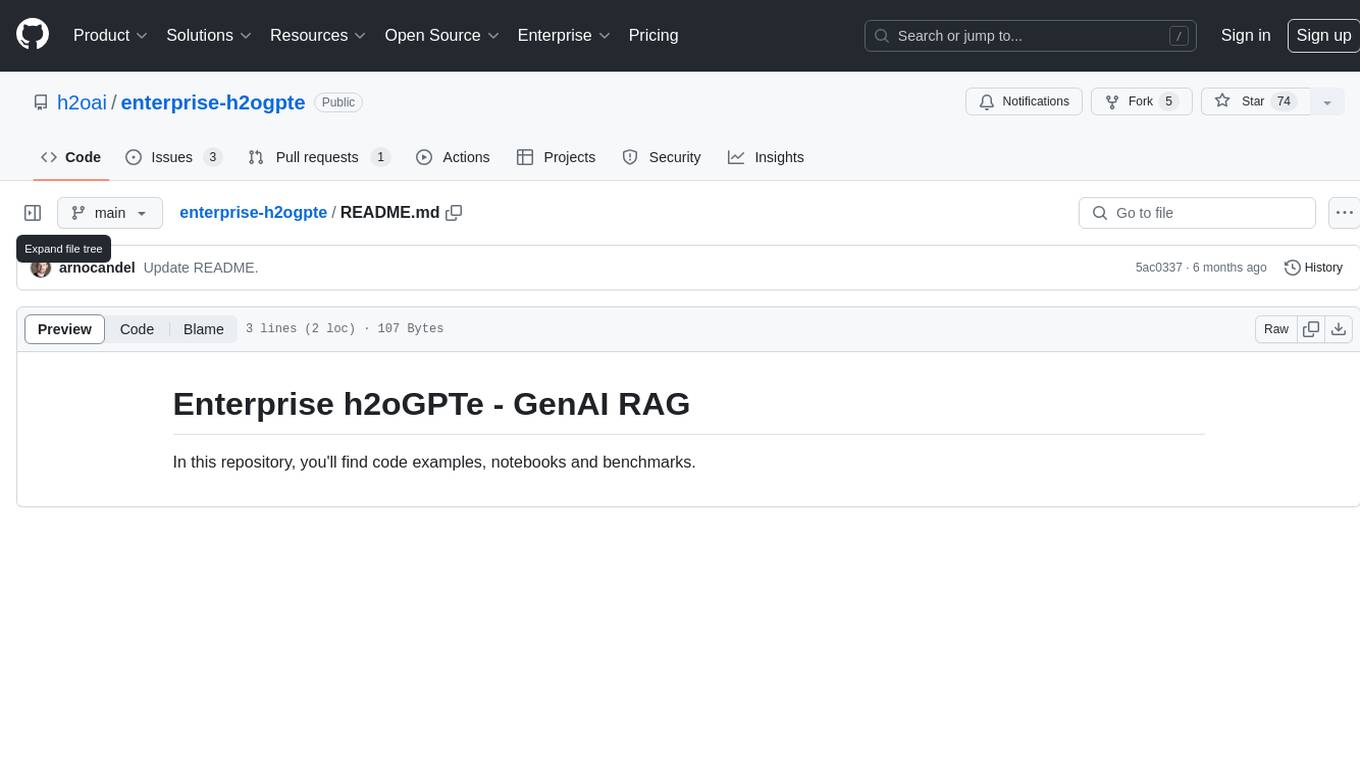
enterprise-h2ogpte
Enterprise h2oGPTe - GenAI RAG is a repository containing code examples, notebooks, and benchmarks for the enterprise version of h2oGPTe, a powerful AI tool for generating text based on the RAG (Retrieval-Augmented Generation) architecture. The repository provides resources for leveraging h2oGPTe in enterprise settings, including implementation guides, performance evaluations, and best practices. Users can explore various applications of h2oGPTe in natural language processing tasks, such as text generation, content creation, and conversational AI.
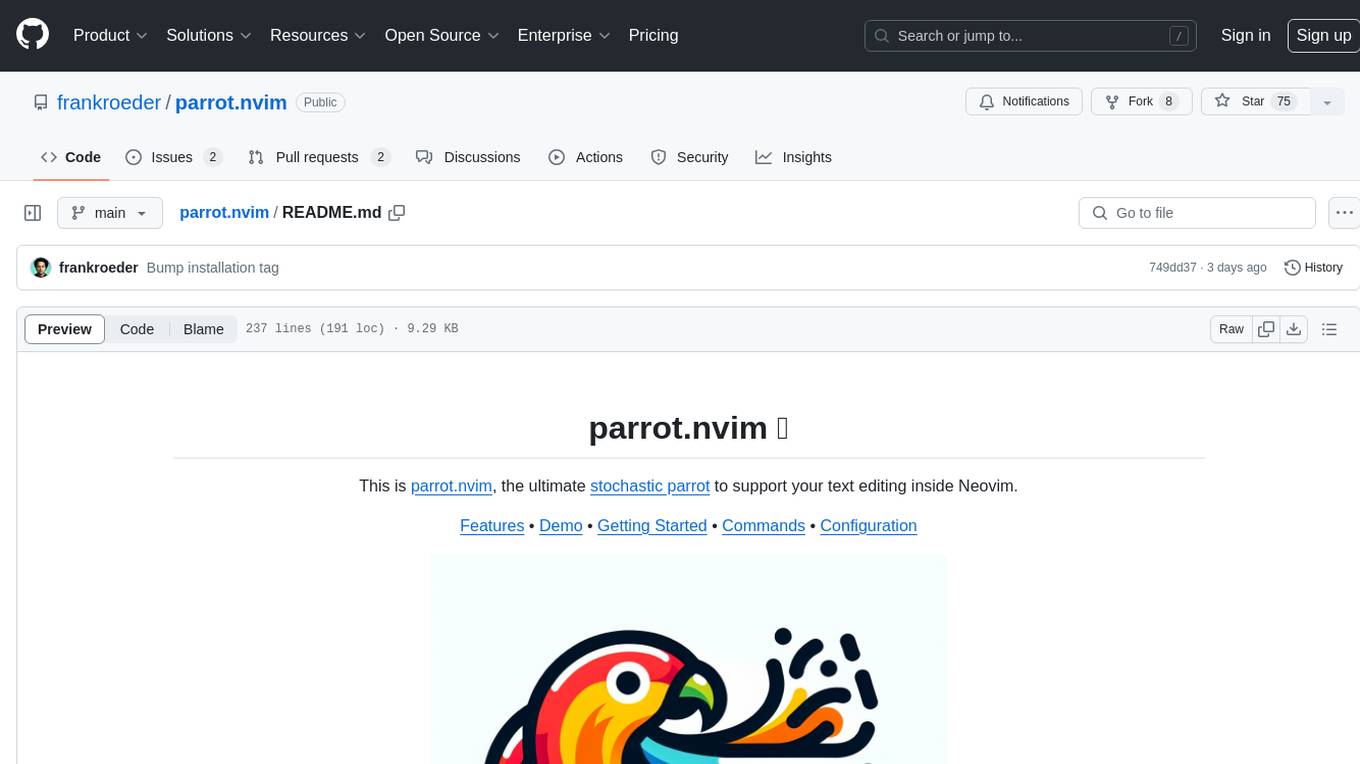
parrot.nvim
Parrot.nvim is a Neovim plugin that prioritizes a seamless out-of-the-box experience for text generation. It simplifies functionality and focuses solely on text generation, excluding integration of DALLE and Whisper. It supports persistent conversations as markdown files, custom hooks for inline text editing, multiple providers like Anthropic API, perplexity.ai API, OpenAI API, Mistral API, and local/offline serving via ollama. It allows custom agent definitions, flexible API credential support, and repository-specific instructions with a `.parrot.md` file. It does not have autocompletion or hidden requests in the background to analyze files.
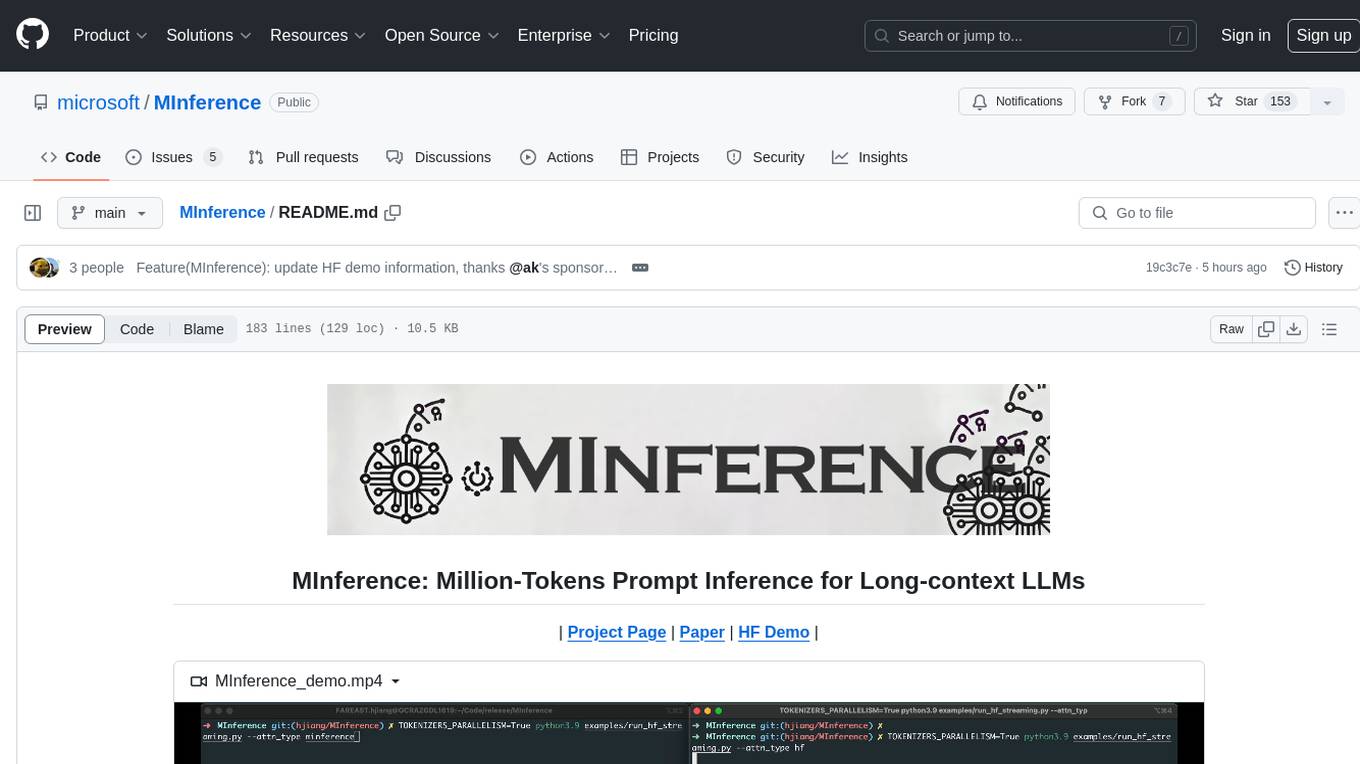
MInference
MInference is a tool designed to accelerate pre-filling for long-context Language Models (LLMs) by leveraging dynamic sparse attention. It achieves up to a 10x speedup for pre-filling on an A100 while maintaining accuracy. The tool supports various decoding LLMs, including LLaMA-style models and Phi models, and provides custom kernels for attention computation. MInference is useful for researchers and developers working with large-scale language models who aim to improve efficiency without compromising accuracy.
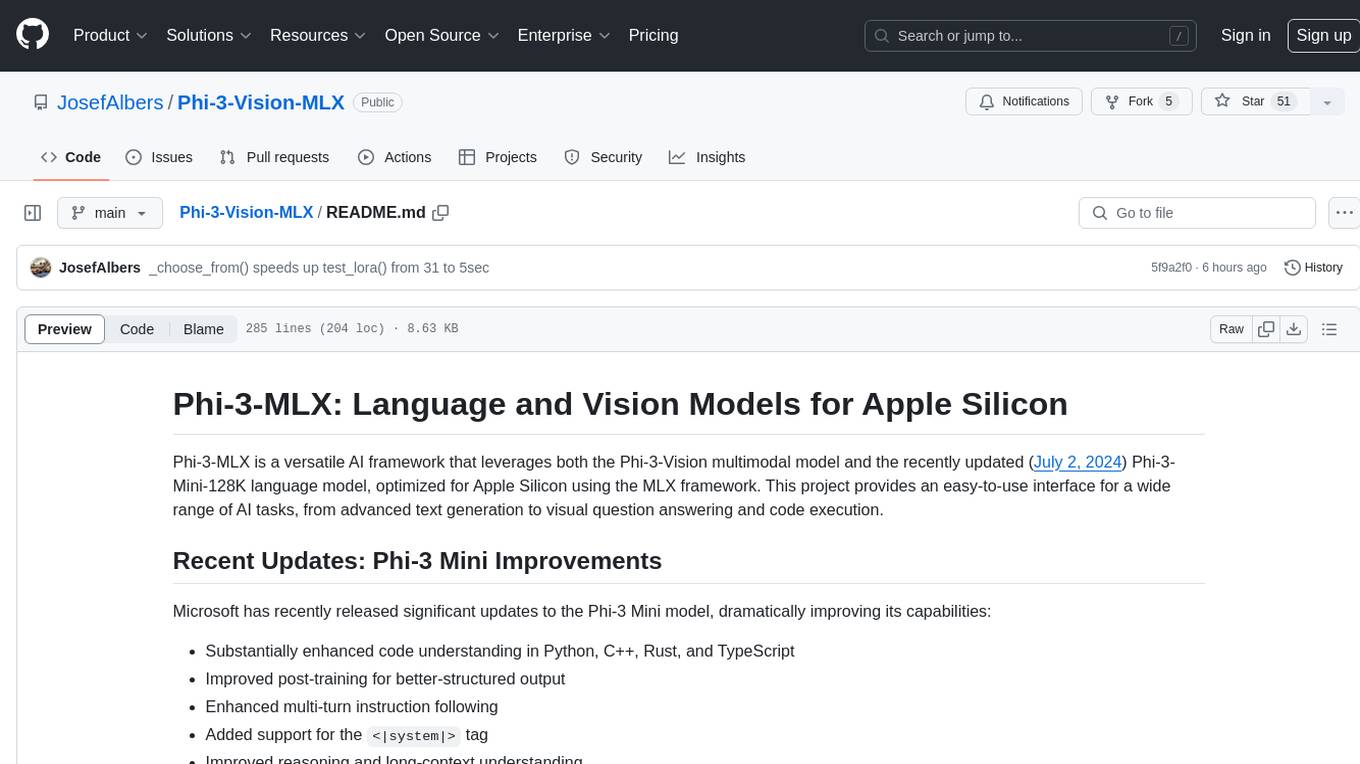
Phi-3-Vision-MLX
Phi-3-MLX is a versatile AI framework that leverages both the Phi-3-Vision multimodal model and the Phi-3-Mini-128K language model optimized for Apple Silicon using the MLX framework. It provides an easy-to-use interface for a wide range of AI tasks, from advanced text generation to visual question answering and code execution. The project features support for batched generation, flexible agent system, custom toolchains, model quantization, LoRA fine-tuning capabilities, and API integration for extended functionality.
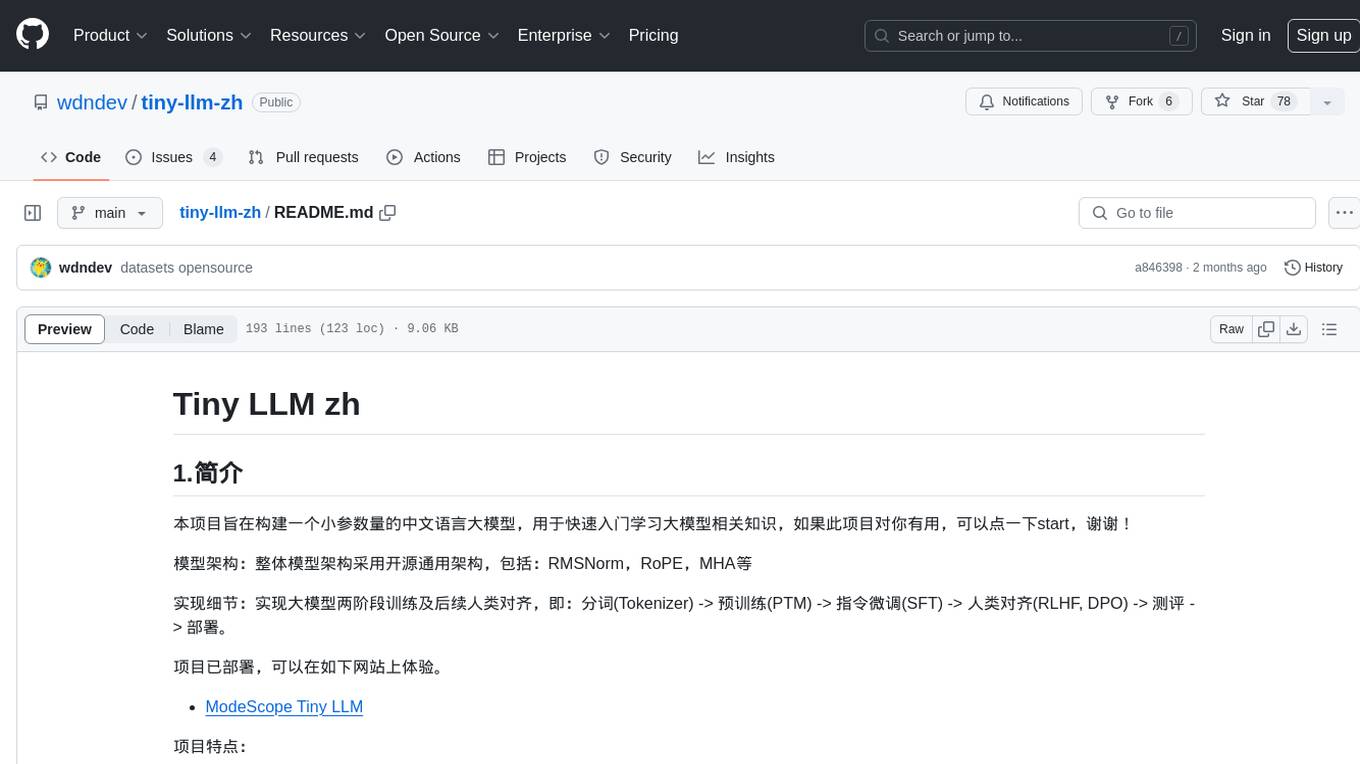
tiny-llm-zh
Tiny LLM zh is a project aimed at building a small-parameter Chinese language large model for quick entry into learning large model-related knowledge. The project implements a two-stage training process for large models and subsequent human alignment, including tokenization, pre-training, instruction fine-tuning, human alignment, evaluation, and deployment. It is deployed on ModeScope Tiny LLM website and features open access to all data and code, including pre-training data and tokenizer. The project trains a tokenizer using 10GB of Chinese encyclopedia text to build a Tiny LLM vocabulary. It supports training with Transformers deepspeed, multiple machine and card support, and Zero optimization techniques. The project has three main branches: llama2_torch, main tiny_llm, and tiny_llm_moe, each with specific modifications and features.
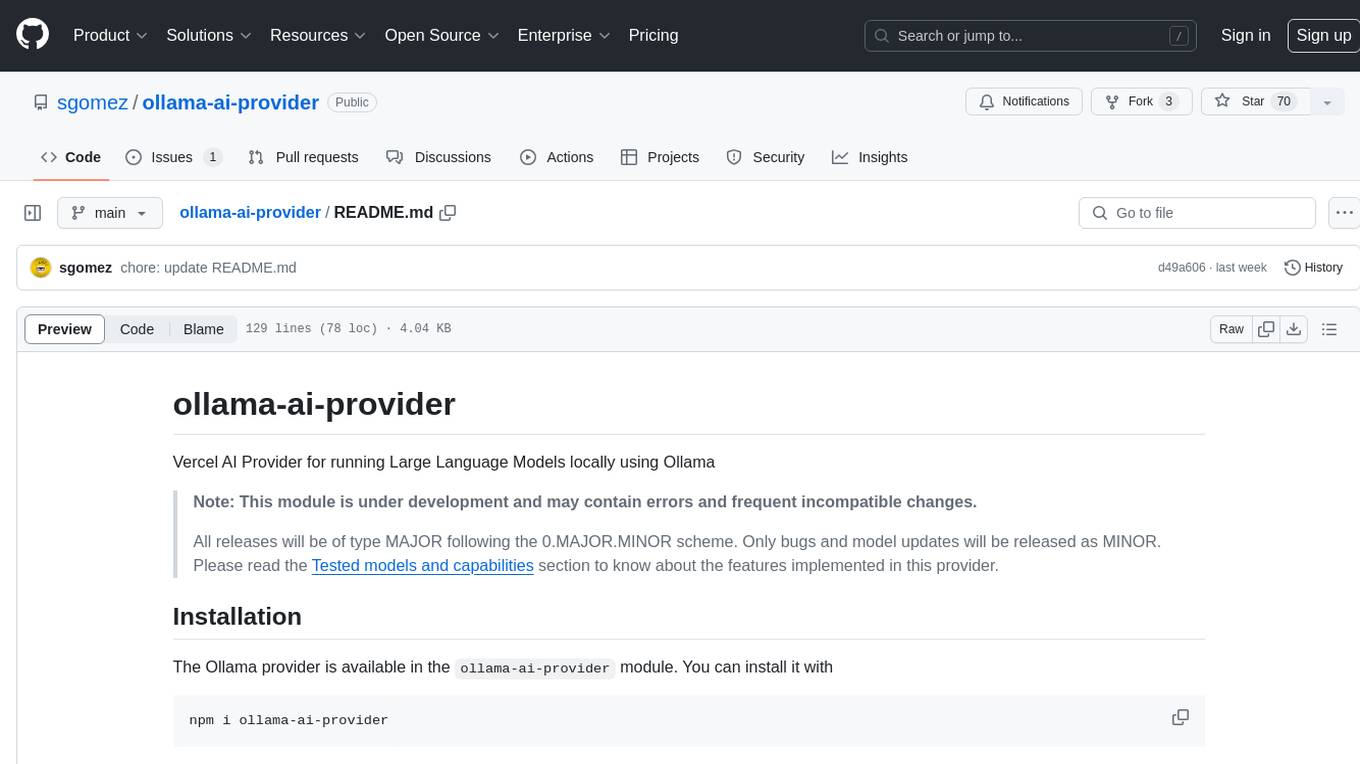
ollama-ai-provider
Vercel AI Provider for running Large Language Models locally using Ollama. This module is under development and may contain errors and frequent incompatible changes. It provides the capability of generating and streaming text and objects, with features like image input, object generation, tool usage simulation, tool streaming simulation, intercepting fetch requests, and provider management. The provider can be customized with optional settings like baseURL and headers.
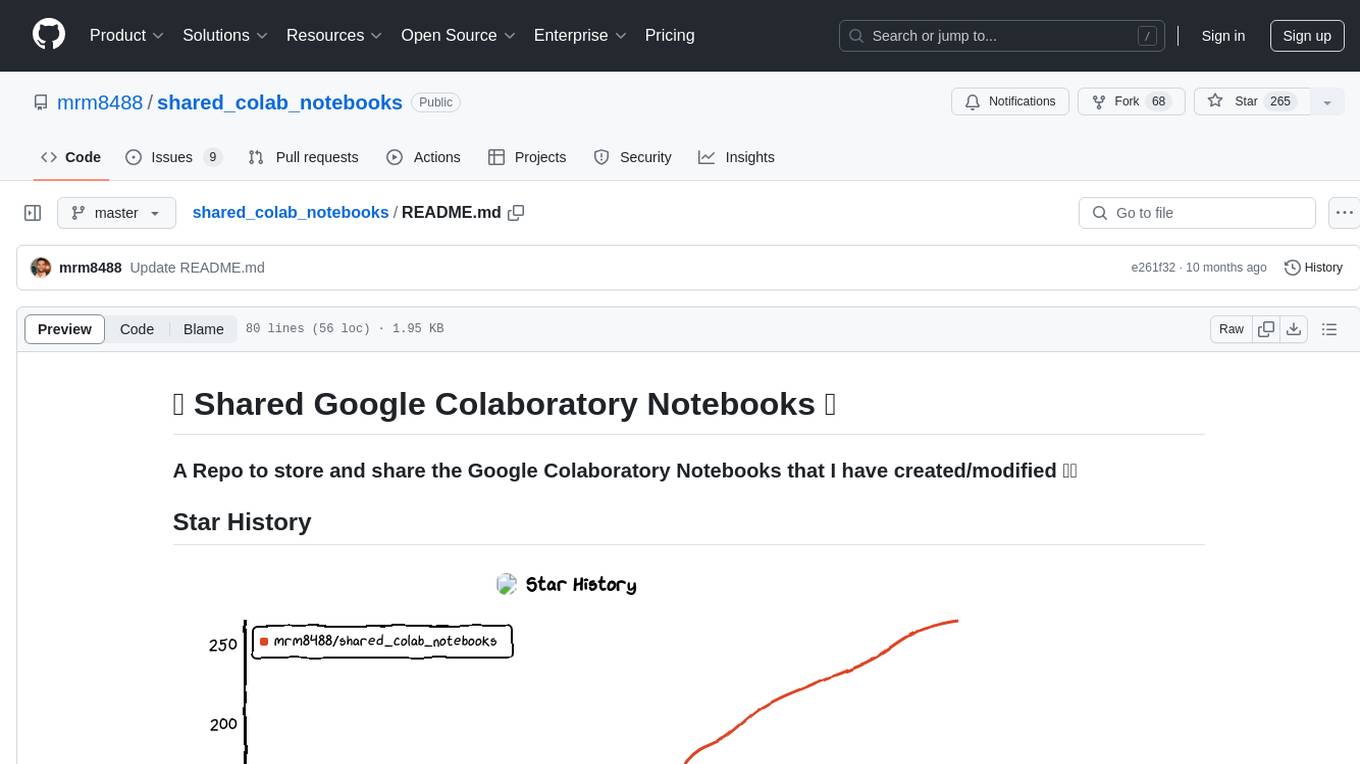
shared_colab_notebooks
This repository serves as a collection of Google Colaboratory Notebooks for various tasks in Natural Language Processing (NLP), Natural Language Generation (NLG), Computer Vision, Generative Adversarial Networks (GANs), Streamlit applications, tutorials, UI/UX experiments, and other miscellaneous projects. It includes a wide range of pre-trained models, fine-tuning examples, and demos for tasks such as text generation, image processing, and more. The notebooks cover topics like self-attention, language model finetuning, emotion detection, image inpainting, and streamlit app creation. Users can explore different models, datasets, and techniques through these shared notebooks.
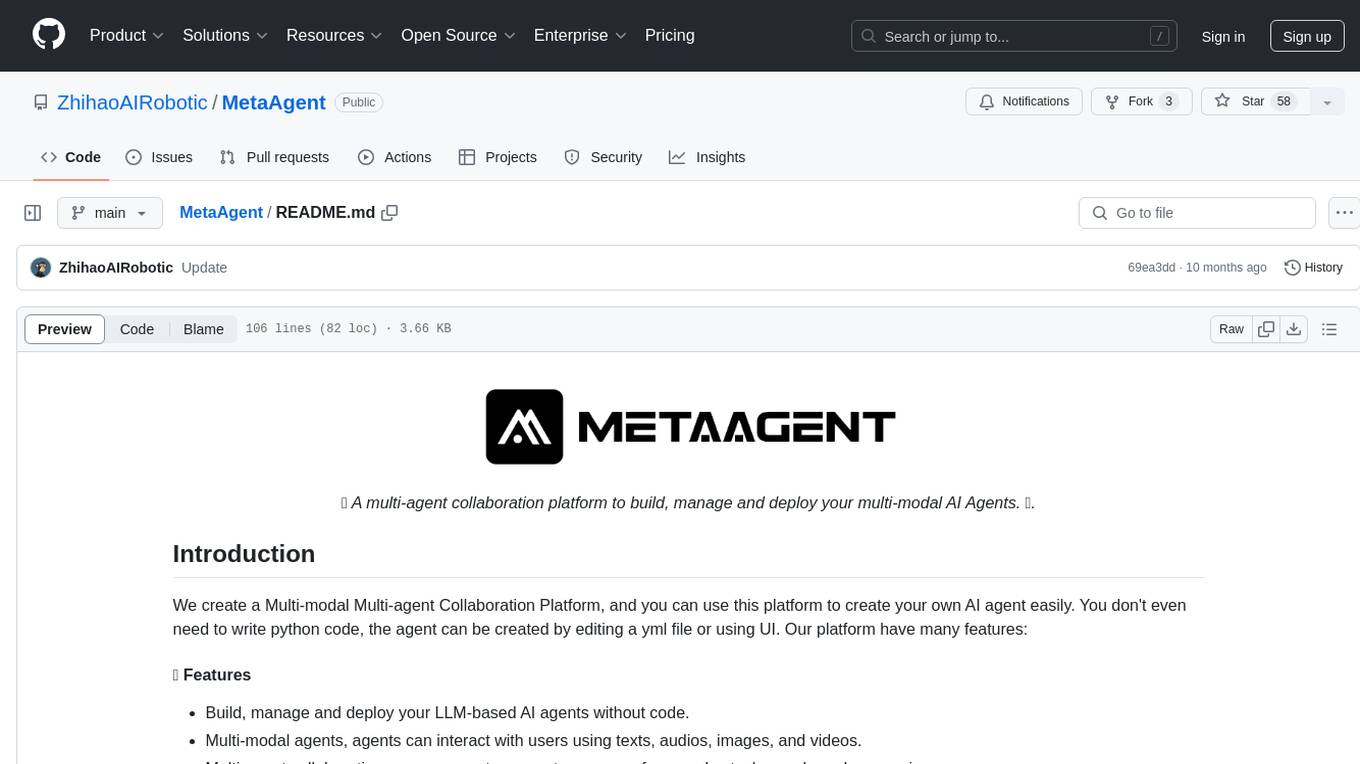
MetaAgent
MetaAgent is a multi-agent collaboration platform designed to build, manage, and deploy multi-modal AI agents without the need for coding. Users can easily create AI agents by editing a yml file or using the provided UI. The platform supports features such as building LLM-based AI agents, multi-modal interactions with users using texts, audios, images, and videos, creating a company of agents for complex tasks like drawing comics, vector database and knowledge embeddings, and upcoming features like UI for creating and using AI agents, fine-tuning, and RLHF. The tool simplifies the process of creating and deploying AI agents for various tasks.
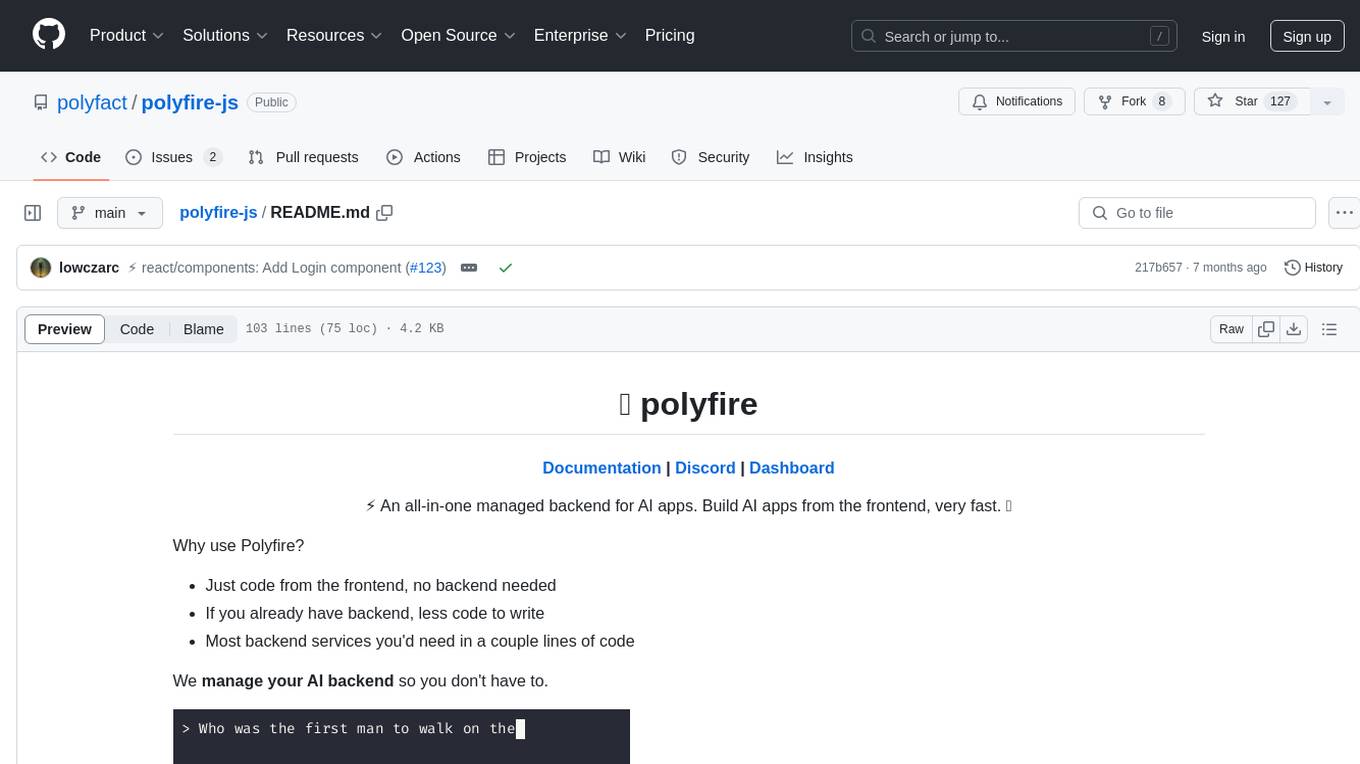
polyfire-js
Polyfire is an all-in-one managed backend for AI apps that allows users to build AI apps directly from the frontend, eliminating the need for a separate backend. It simplifies the process by providing most backend services in just a few lines of code. With Polyfire, users can easily create chatbots, transcribe audio files to text, generate simple text, create a long-term memory, and generate images with Dall-E. The tool also offers starter guides and tutorials to help users get started quickly and efficiently.
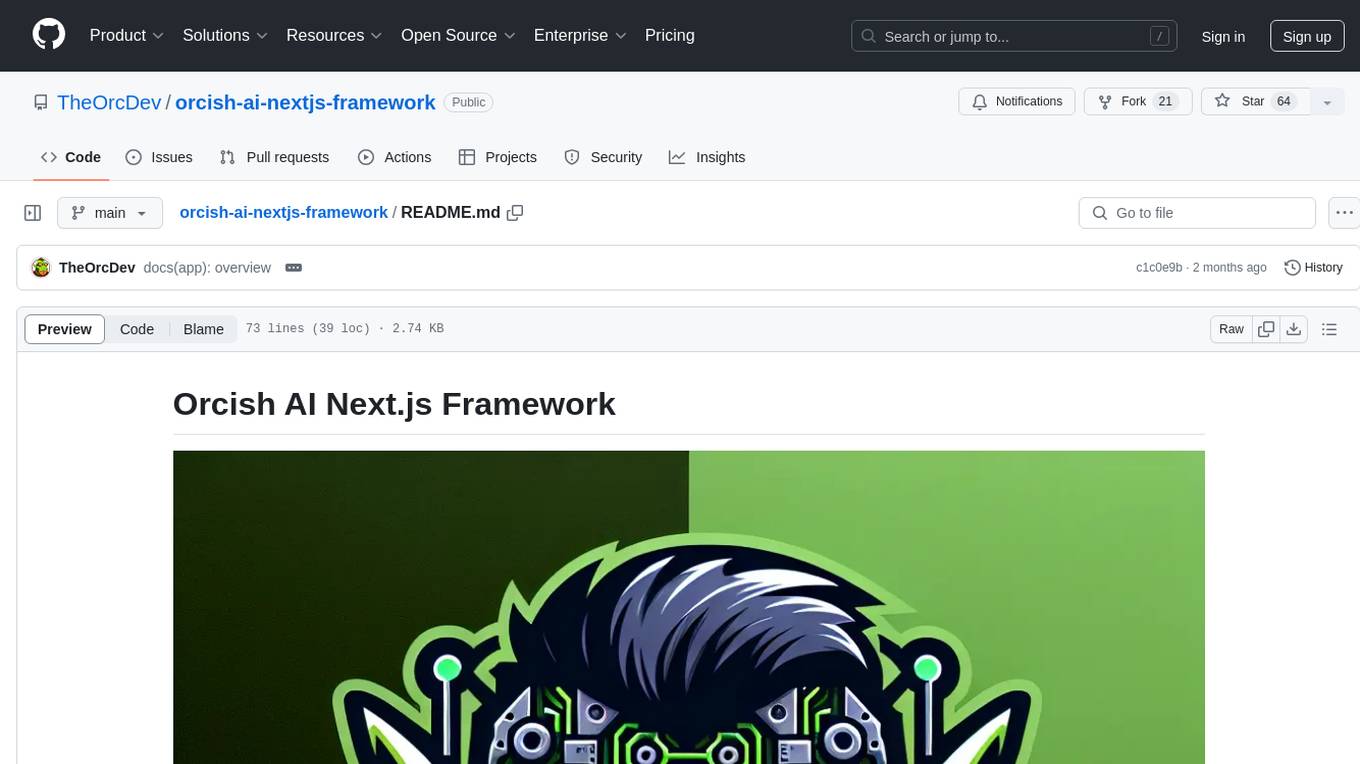
orcish-ai-nextjs-framework
The Orcish AI Next.js Framework is a powerful tool that leverages OpenAI API to seamlessly integrate AI functionalities into Next.js applications. It allows users to generate text, images, and text-to-speech based on specified input. The framework provides an easy-to-use interface for utilizing AI capabilities in application development.
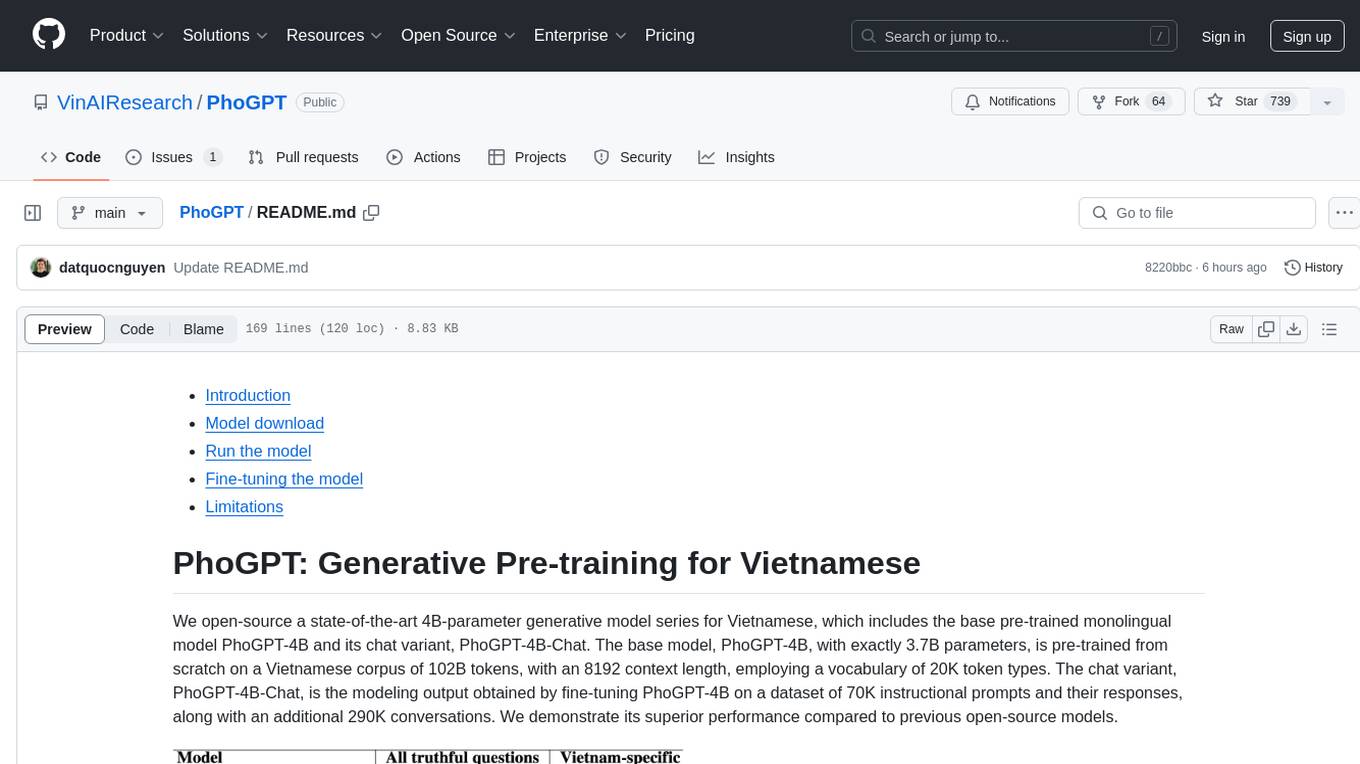
PhoGPT
PhoGPT is an open-source 4B-parameter generative model series for Vietnamese, including the base pre-trained monolingual model PhoGPT-4B and its chat variant, PhoGPT-4B-Chat. PhoGPT-4B is pre-trained from scratch on a Vietnamese corpus of 102B tokens, with an 8192 context length and a vocabulary of 20K token types. PhoGPT-4B-Chat is fine-tuned on instructional prompts and conversations, demonstrating superior performance. Users can run the model with inference engines like vLLM and Text Generation Inference, and fine-tune it using llm-foundry. However, PhoGPT has limitations in reasoning, coding, and mathematics tasks, and may generate harmful or biased responses.
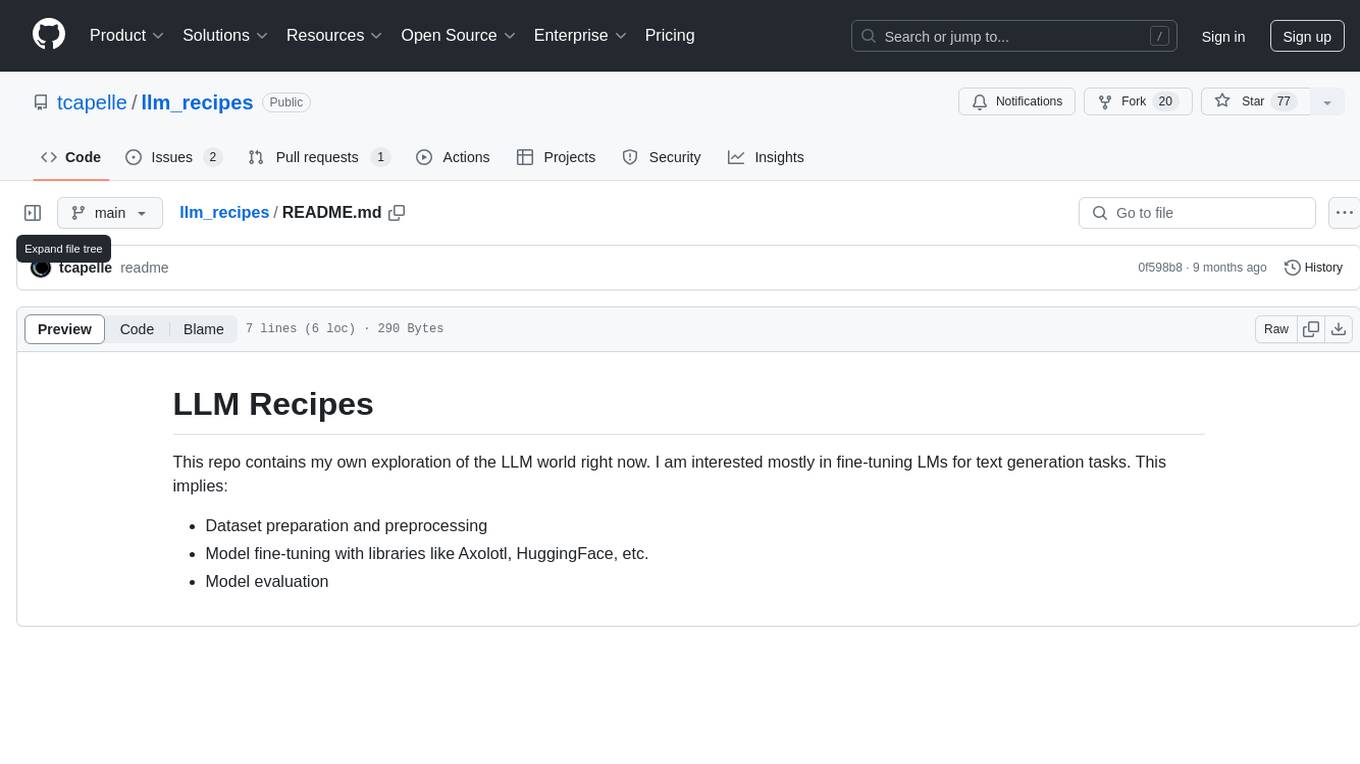
llm_recipes
This repository showcases the author's experiments with Large Language Models (LLMs) for text generation tasks. It includes dataset preparation, preprocessing, model fine-tuning using libraries such as Axolotl and HuggingFace, and model evaluation.
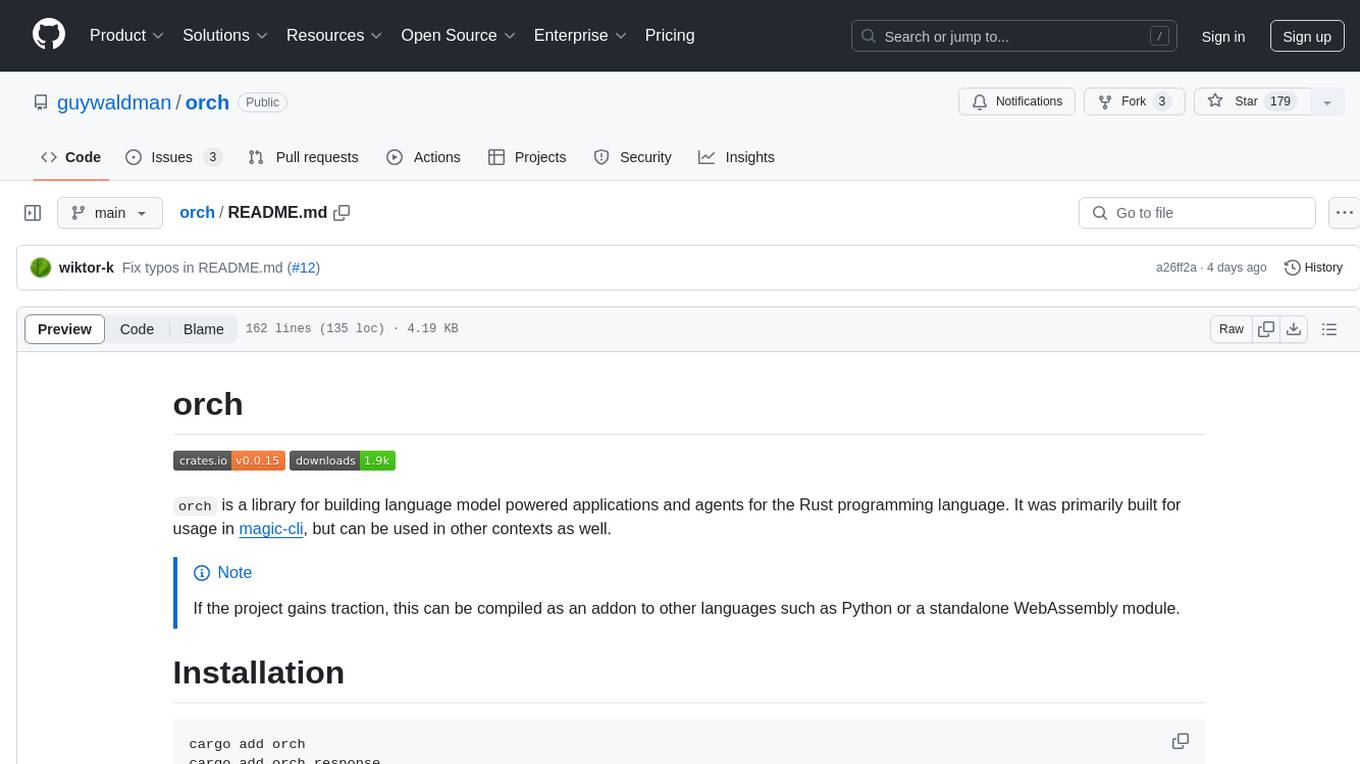
orch
orch is a library for building language model powered applications and agents for the Rust programming language. It can be used for tasks such as text generation, streaming text generation, structured data generation, and embedding generation. The library provides functionalities for executing various language model tasks and can be integrated into different applications and contexts. It offers flexibility for developers to create language model-powered features and applications in Rust.
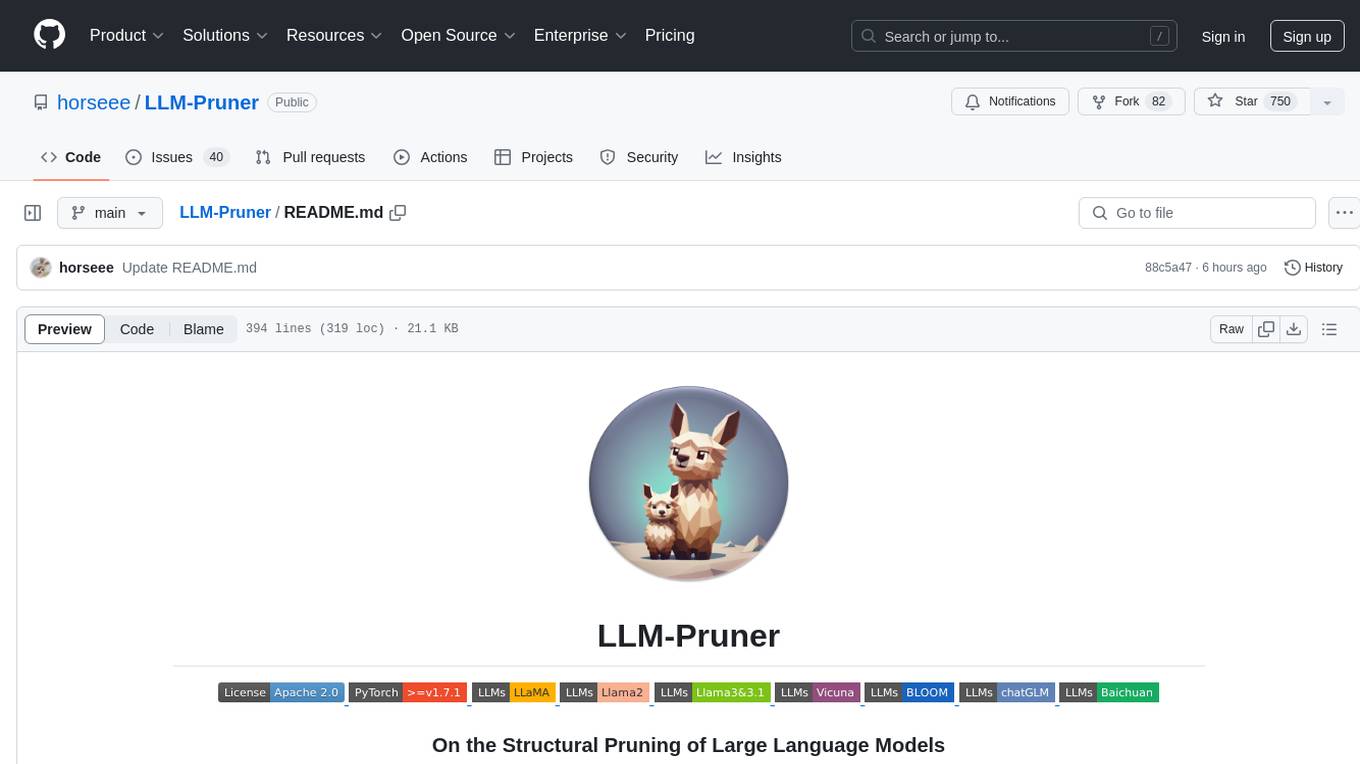
LLM-Pruner
LLM-Pruner is a tool for structural pruning of large language models, allowing task-agnostic compression while retaining multi-task solving ability. It supports automatic structural pruning of various LLMs with minimal human effort. The tool is efficient, requiring only 3 minutes for pruning and 3 hours for post-training. Supported LLMs include Llama-3.1, Llama-3, Llama-2, LLaMA, BLOOM, Vicuna, and Baichuan. Updates include support for new LLMs like GQA and BLOOM, as well as fine-tuning results achieving high accuracy. The tool provides step-by-step instructions for pruning, post-training, and evaluation, along with a Gradio interface for text generation. Limitations include issues with generating repetitive or nonsensical tokens in compressed models and manual operations for certain models.
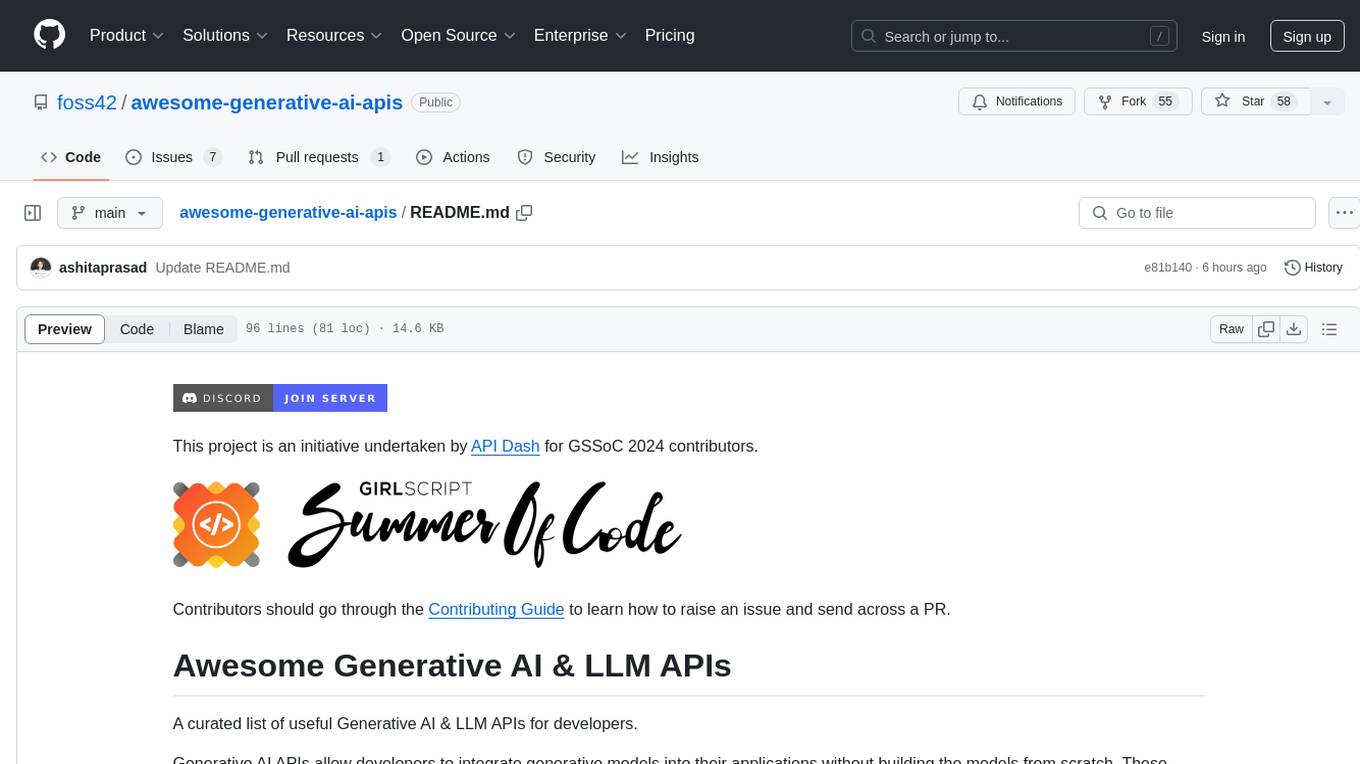
awesome-generative-ai-apis
Awesome Generative AI & LLM APIs is a curated list of useful APIs that allow developers to integrate generative models into their applications without building the models from scratch. These APIs provide an interface for generating text, images, or other content, and include pre-trained language models for various tasks. The goal of this project is to create a hub for developers to create innovative applications, enhance user experiences, and drive progress in the AI field.
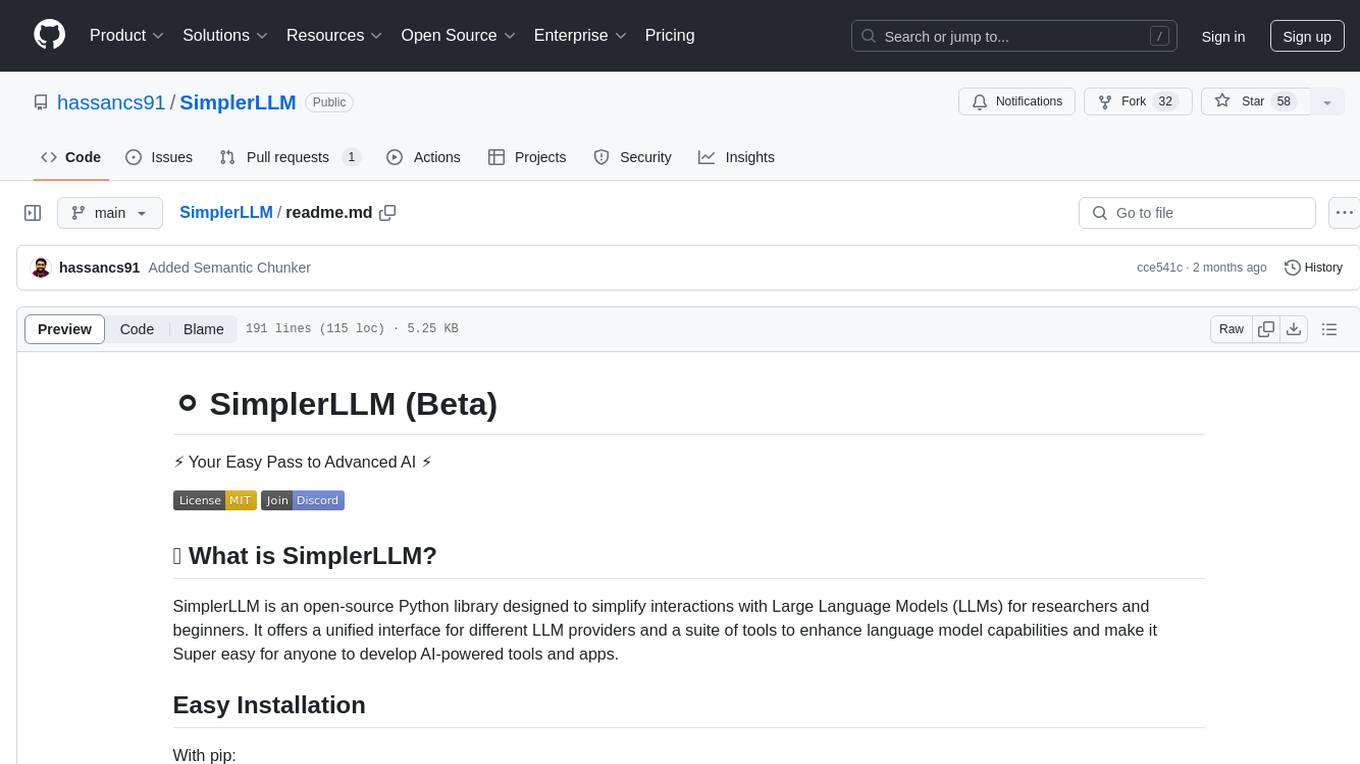
SimplerLLM
SimplerLLM is an open-source Python library that simplifies interactions with Large Language Models (LLMs) for researchers and beginners. It provides a unified interface for different LLM providers, tools for enhancing language model capabilities, and easy development of AI-powered tools and apps. The library offers features like unified LLM interface, generic text loader, RapidAPI connector, SERP integration, prompt template builder, and more. Users can easily set up environment variables, create LLM instances, use tools like SERP, generic text loader, calling RapidAPI APIs, and prompt template builder. Additionally, the library includes chunking functions to split texts into manageable chunks based on different criteria. Future updates will bring more tools, interactions with local LLMs, prompt optimization, response evaluation, GPT Trainer, document chunker, advanced document loader, integration with more providers, Simple RAG with SimplerVectors, integration with vector databases, agent builder, and LLM server.
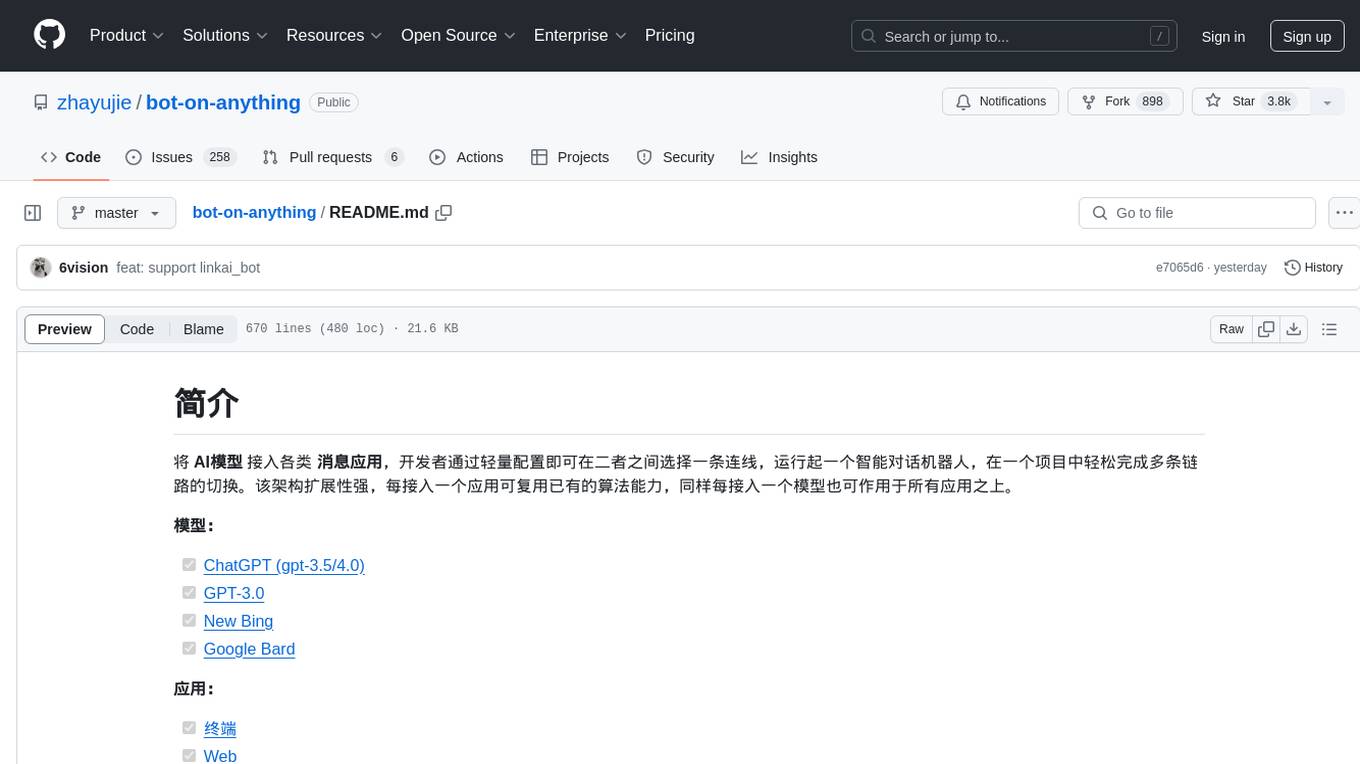
bot-on-anything
The 'bot-on-anything' repository allows developers to integrate various AI models into messaging applications, enabling the creation of intelligent chatbots. By configuring the connections between models and applications, developers can easily switch between multiple channels within a project. The architecture is highly scalable, allowing the reuse of algorithmic capabilities for each new application and model integration. Supported models include ChatGPT, GPT-3.0, New Bing, and Google Bard, while supported applications range from terminals and web platforms to messaging apps like WeChat, Telegram, QQ, and more. The repository provides detailed instructions for setting up the environment, configuring the models and channels, and running the chatbot for various tasks across different messaging platforms.

torchchat
torchchat is a codebase showcasing the ability to run large language models (LLMs) seamlessly. It allows running LLMs using Python in various environments such as desktop, server, iOS, and Android. The tool supports running models via PyTorch, chatting, generating text, running chat in the browser, and running models on desktop/server without Python. It also provides features like AOT Inductor for faster execution, running in C++ using the runner, and deploying and running on iOS and Android. The tool supports popular hardware and OS including Linux, Mac OS, Android, and iOS, with various data types and execution modes available.
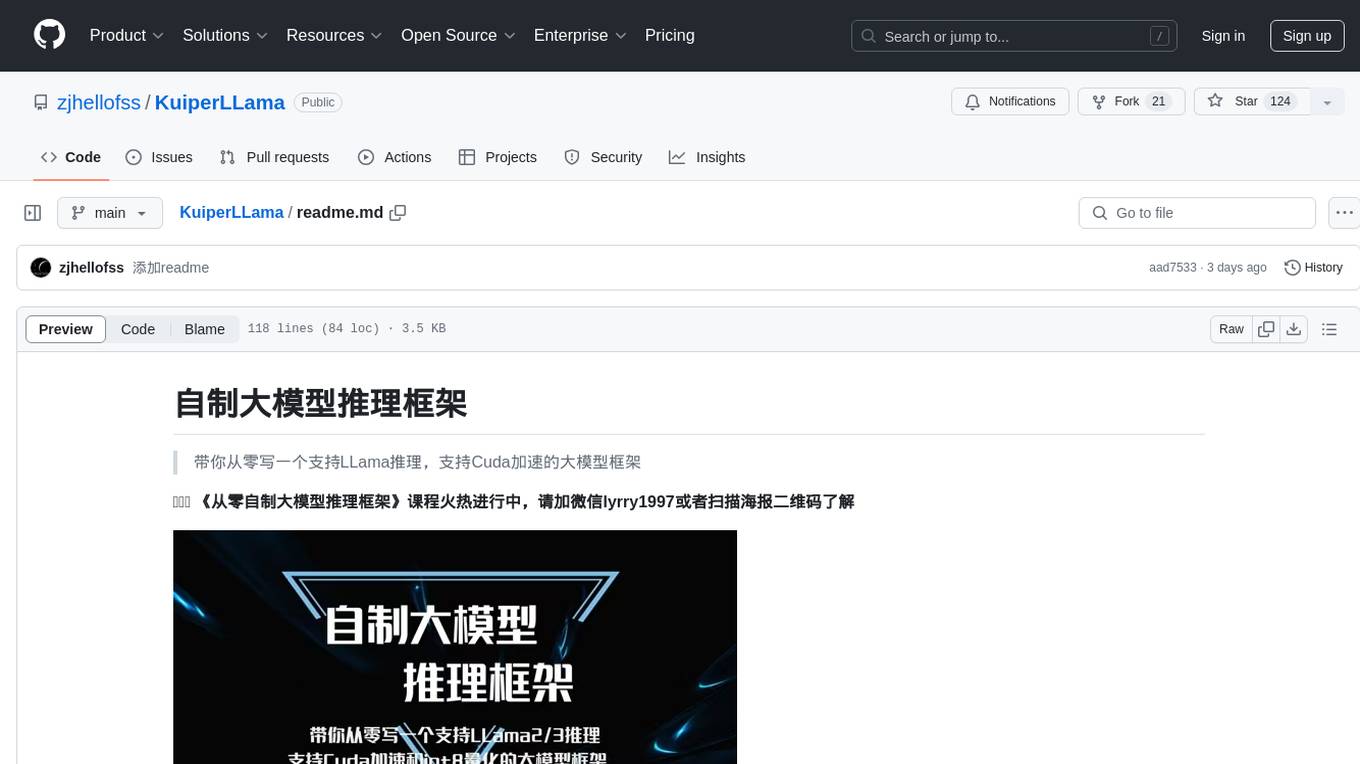
KuiperLLama
KuiperLLama is a custom large model inference framework that guides users in building a LLama-supported inference framework with Cuda acceleration from scratch. The framework includes modules for architecture design, LLama2 model support, model quantization, Cuda basics, operator implementation, and fun tasks like text generation and storytelling. It also covers learning other commercial inference frameworks for comprehensive understanding. The project provides detailed tutorials and resources for developing and optimizing large models for efficient inference.
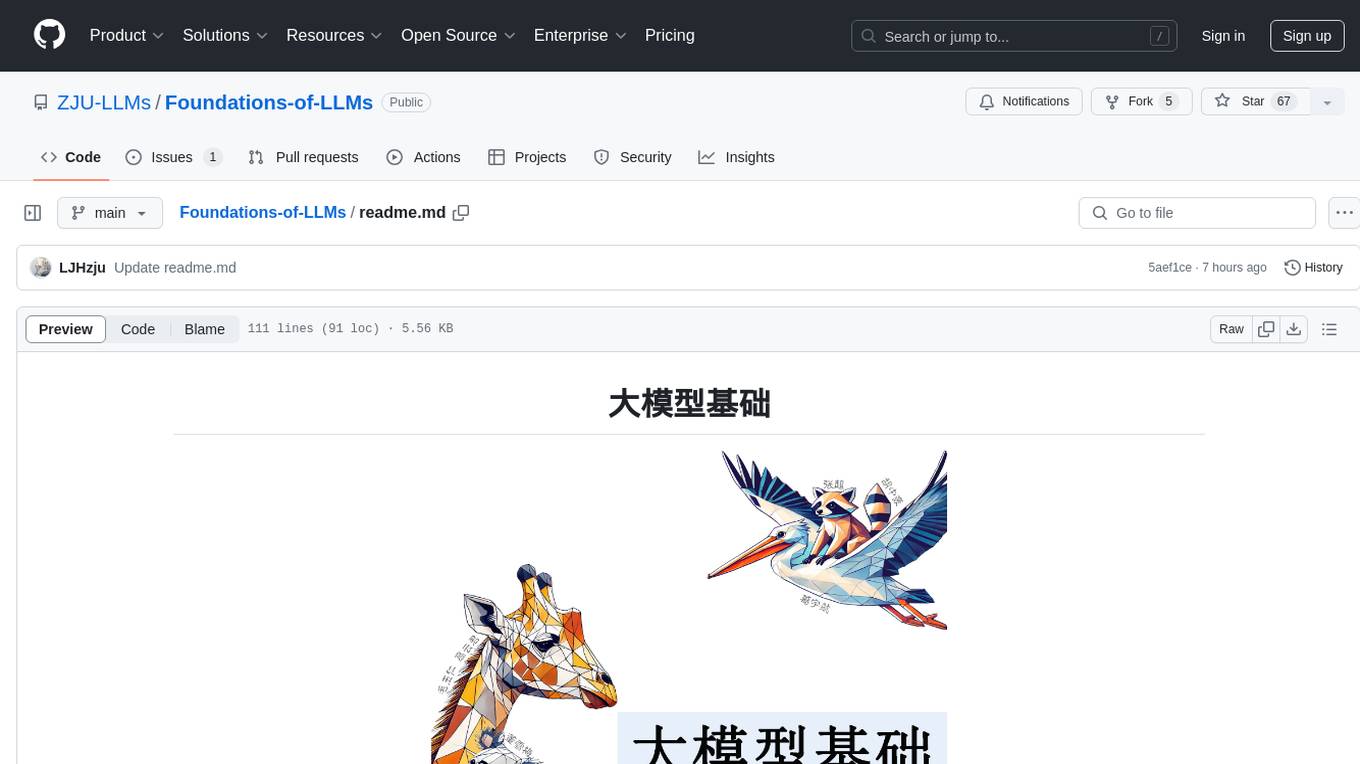
Foundations-of-LLMs
Foundations-of-LLMs is a comprehensive book aimed at readers interested in large language models, providing systematic explanations of foundational knowledge and introducing cutting-edge technologies. The book covers traditional language models, evolution of large language model architectures, prompt engineering, parameter-efficient fine-tuning, model editing, and retrieval-enhanced generation. Each chapter uses an animal as a theme to explain specific technologies, enhancing readability. The content is based on the author team's exploration and understanding of the field, with continuous monthly updates planned. The book includes a 'Paper List' for each chapter to track the latest advancements in related technologies.
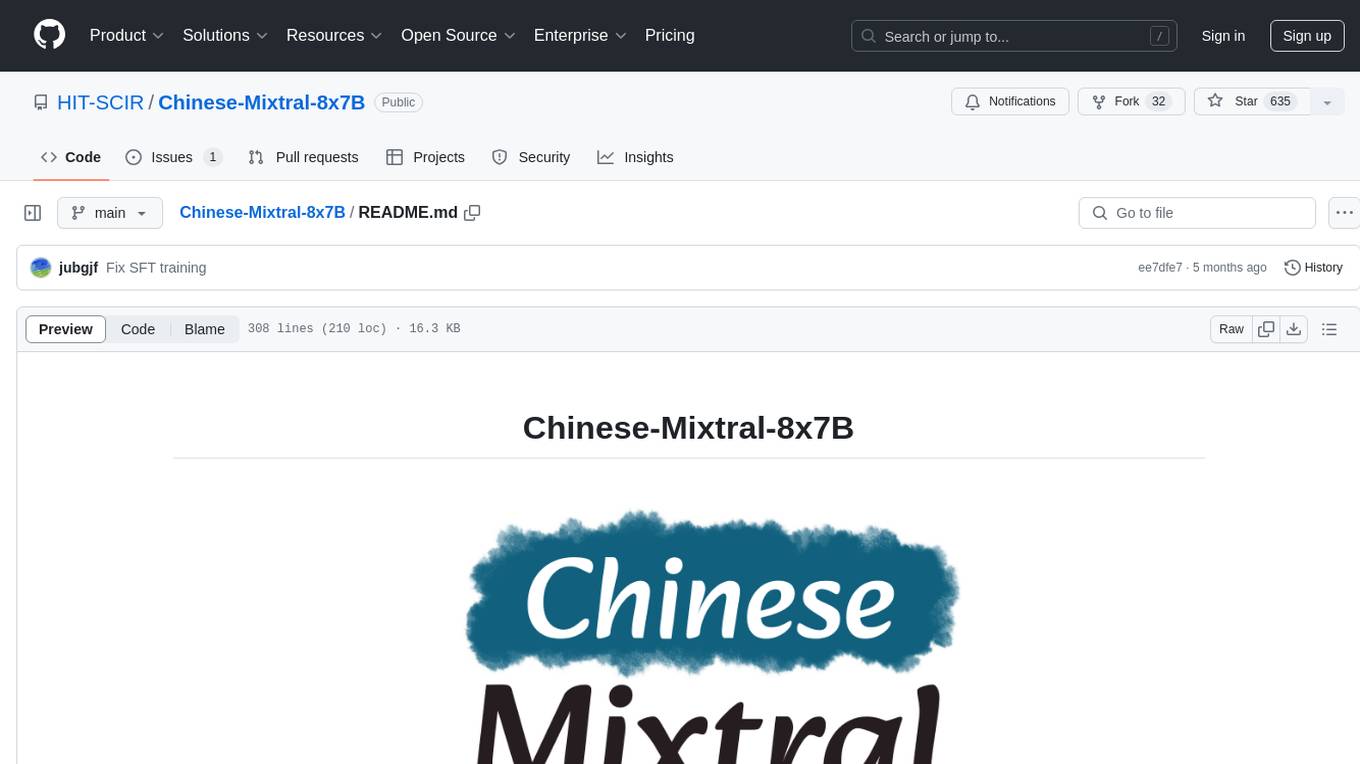
Chinese-Mixtral-8x7B
Chinese-Mixtral-8x7B is an open-source project based on Mistral's Mixtral-8x7B model for incremental pre-training of Chinese vocabulary, aiming to advance research on MoE models in the Chinese natural language processing community. The expanded vocabulary significantly improves the model's encoding and decoding efficiency for Chinese, and the model is pre-trained incrementally on a large-scale open-source corpus, enabling it with powerful Chinese generation and comprehension capabilities. The project includes a large model with expanded Chinese vocabulary and incremental pre-training code.
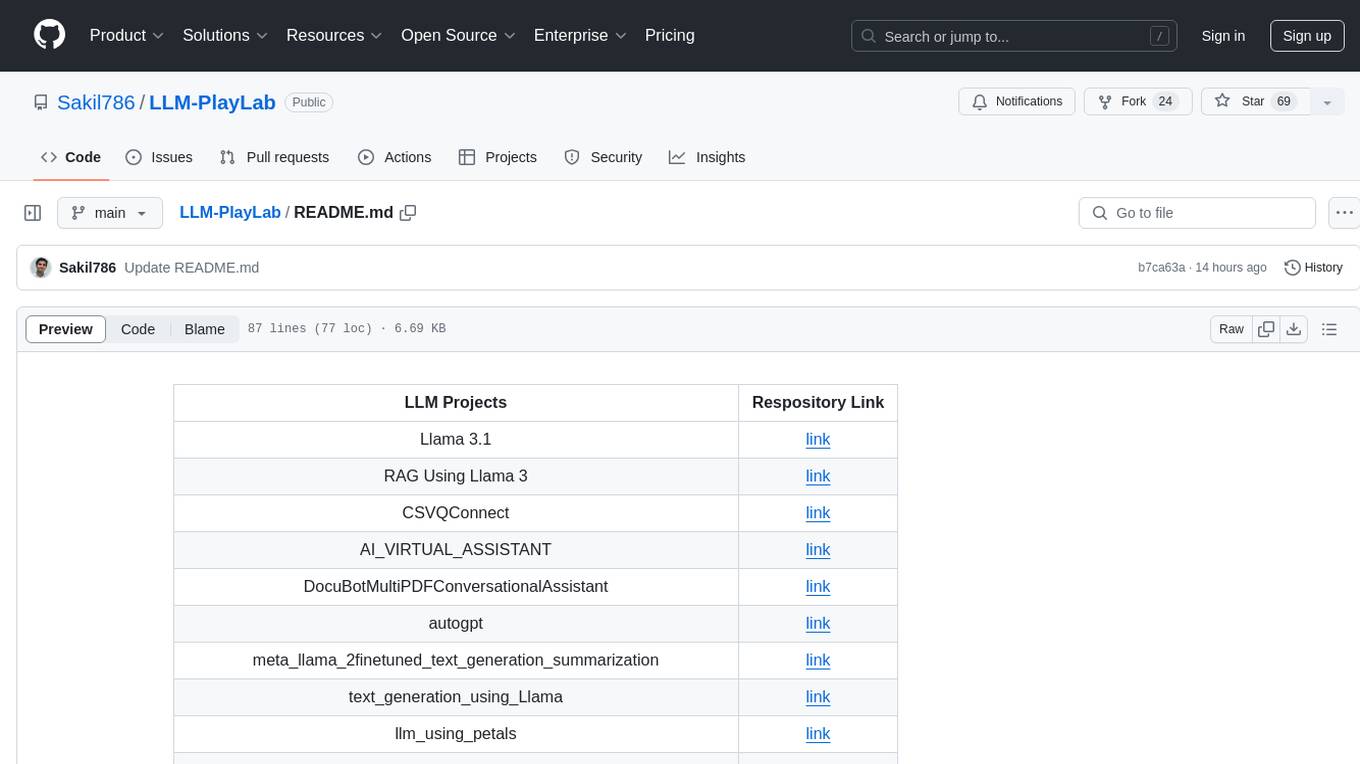
LLM-PlayLab
LLM-PlayLab is a repository containing various projects related to LLM (Large Language Models) fine-tuning, generative AI, time-series forecasting, and crash courses. It includes projects for text generation, sentiment analysis, data analysis, chat assistants, image captioning, and more. The repository offers a wide range of tools and resources for exploring and implementing advanced AI techniques.
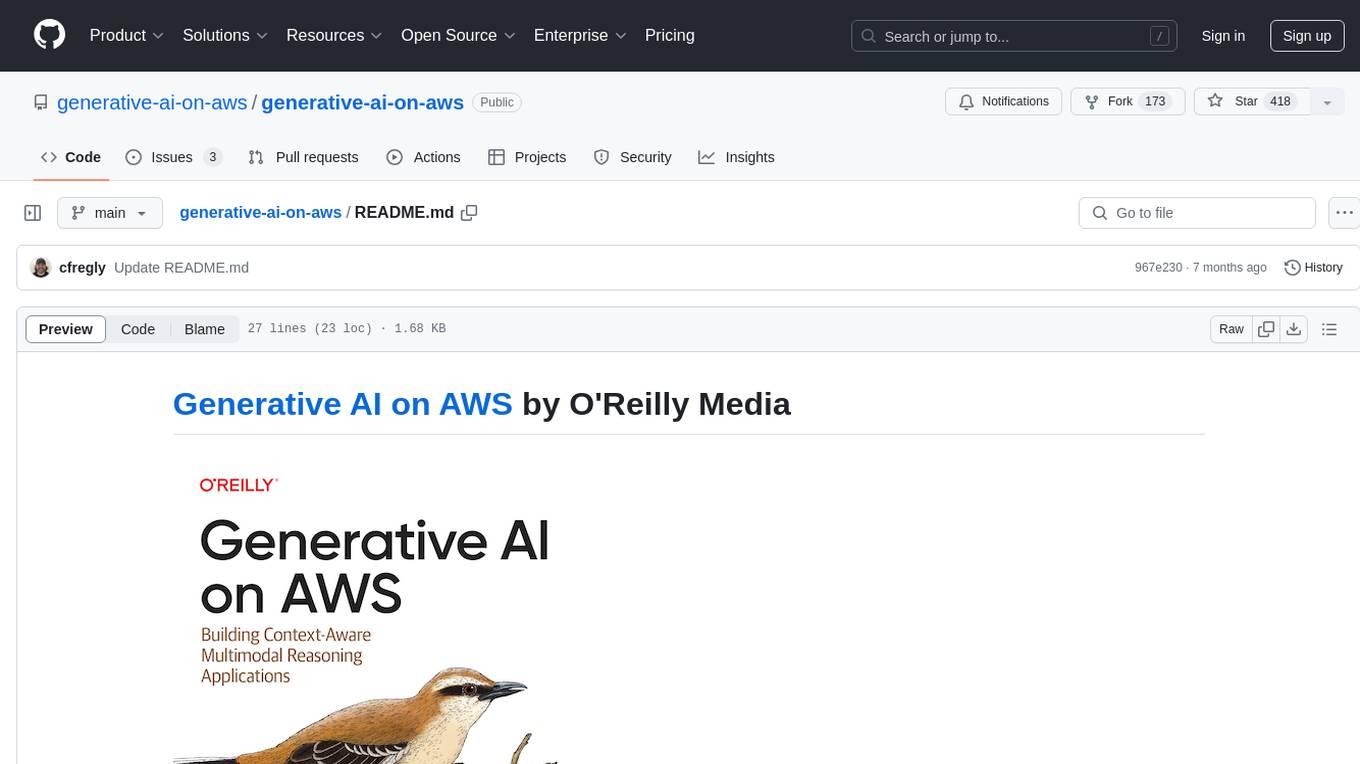
generative-ai-on-aws
Generative AI on AWS by O'Reilly Media provides a comprehensive guide on leveraging generative AI models on the AWS platform. The book covers various topics such as generative AI use cases, prompt engineering, large-language models, fine-tuning techniques, optimization, deployment, and more. Authors Chris Fregly, Antje Barth, and Shelbee Eigenbrode offer insights into cutting-edge AI technologies and practical applications in the field. The book is a valuable resource for data scientists, AI enthusiasts, and professionals looking to explore generative AI capabilities on AWS.
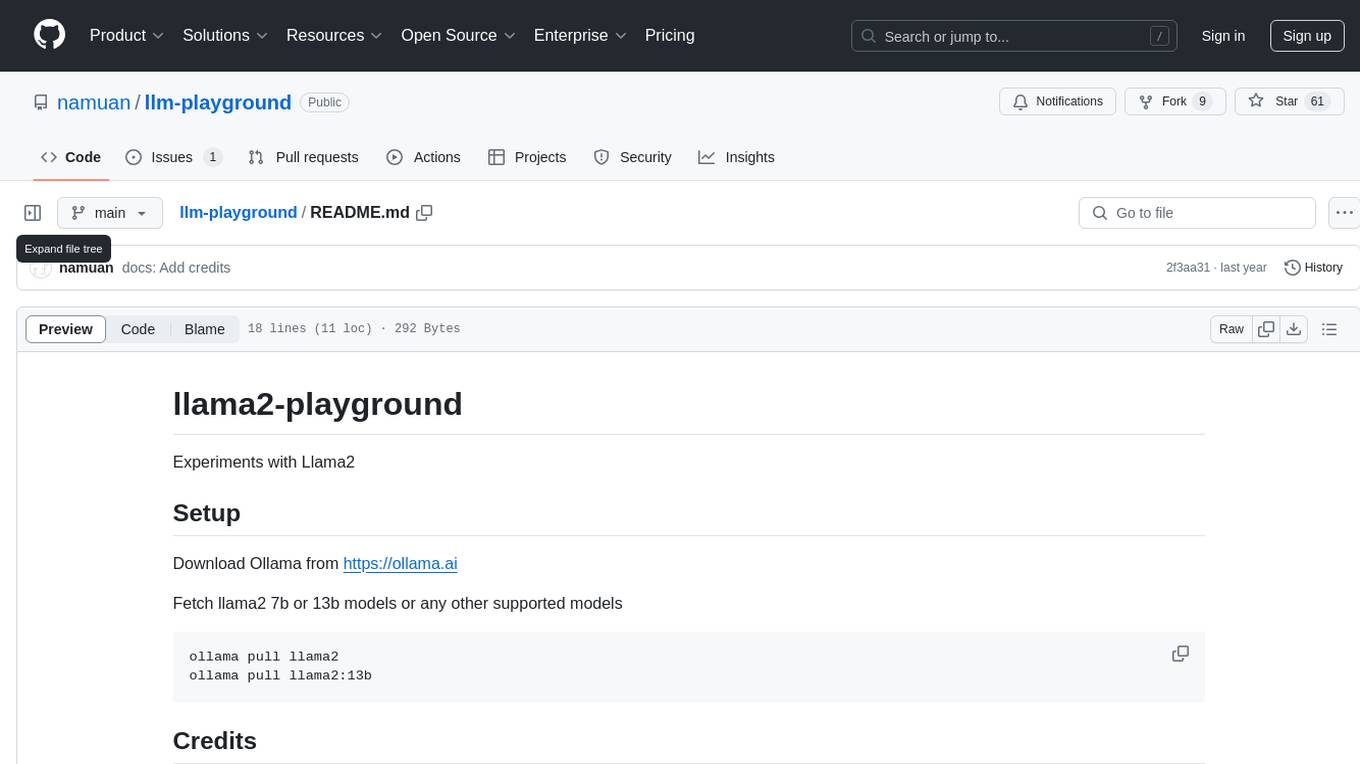
llm-playground
llm-playground is a repository for experimenting with Llama2, a language model. Users can download the Ollama tool and fetch different Llama2 models to conduct experiments and tests. The repository is maintained by a 10x-React-Engineer.
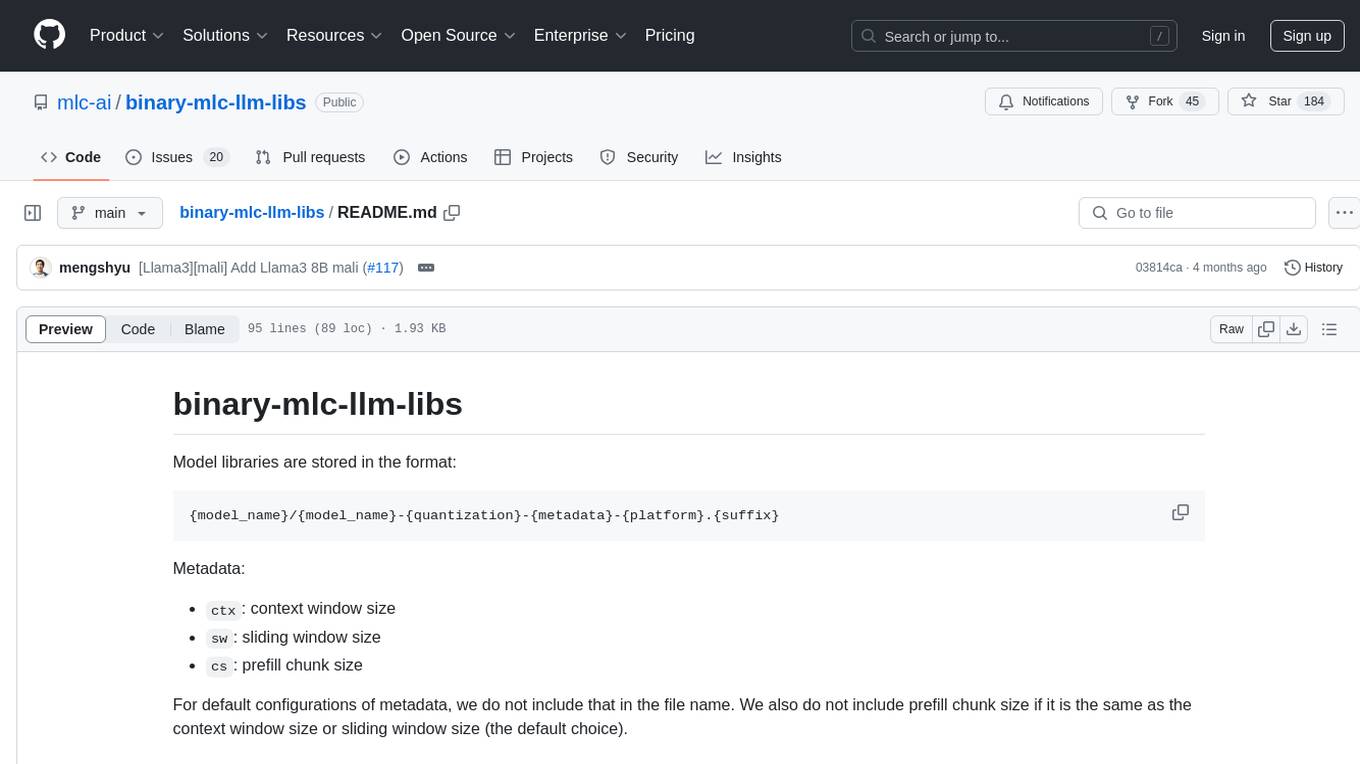
binary-mlc-llm-libs
The binary-mlc-llm-libs repository contains model libraries stored in a specific format. The file names include metadata such as context window size, sliding window size, and prefill chunk size. Default configurations are provided for some models, with certain metadata values omitted if they are the same as default choices. Users can access various pre-trained language models for different tasks using this repository.
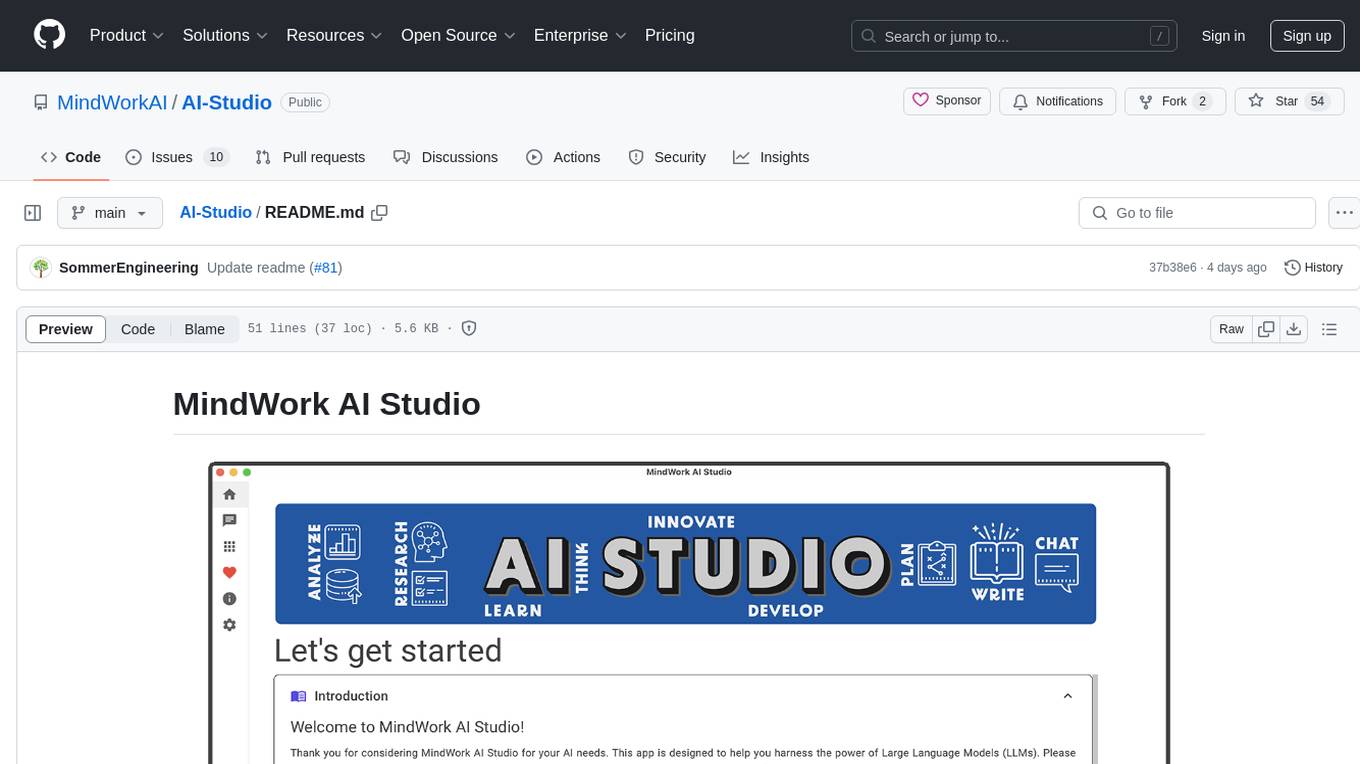
AI-Studio
MindWork AI Studio is a desktop application that provides a unified chat interface for Large Language Models (LLMs). It is free to use for personal and commercial purposes, offers independence in choosing LLM providers, provides unrestricted usage through the providers API, and is cost-effective with pay-as-you-go pricing. The app prioritizes privacy, flexibility, minimal storage and memory usage, and low impact on system resources. Users can support the project through monthly contributions or one-time donations, with opportunities for companies to sponsor the project for public relations and marketing benefits. Planned features include support for more LLM providers, system prompts integration, text replacement for privacy, and advanced interactions tailored for various use cases.
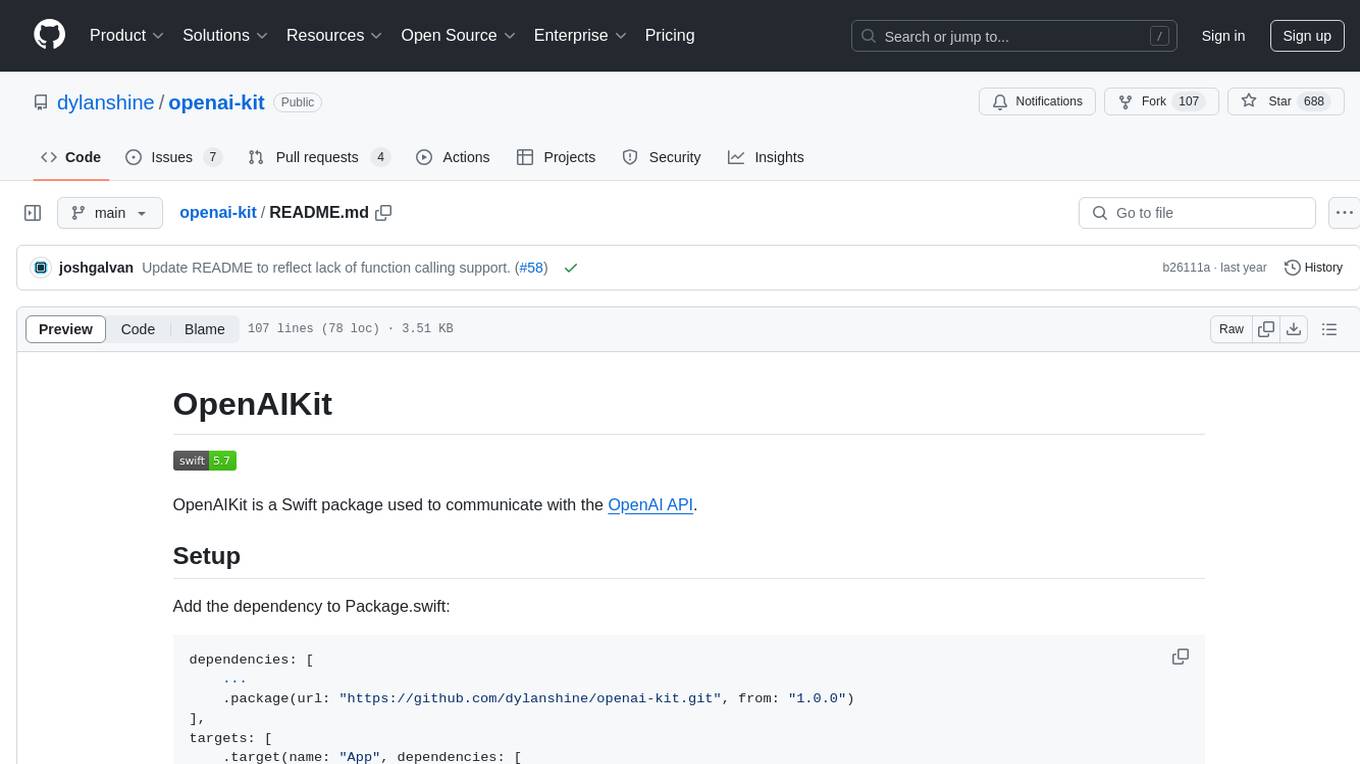
openai-kit
OpenAIKit is a Swift package designed to facilitate communication with the OpenAI API. It provides methods to interact with various OpenAI services such as chat, models, completions, edits, images, embeddings, files, moderations, and speech to text. The package encourages the use of environment variables to securely inject the OpenAI API key and organization details. It also offers error handling for API requests through the `OpenAIKit.APIErrorResponse`.
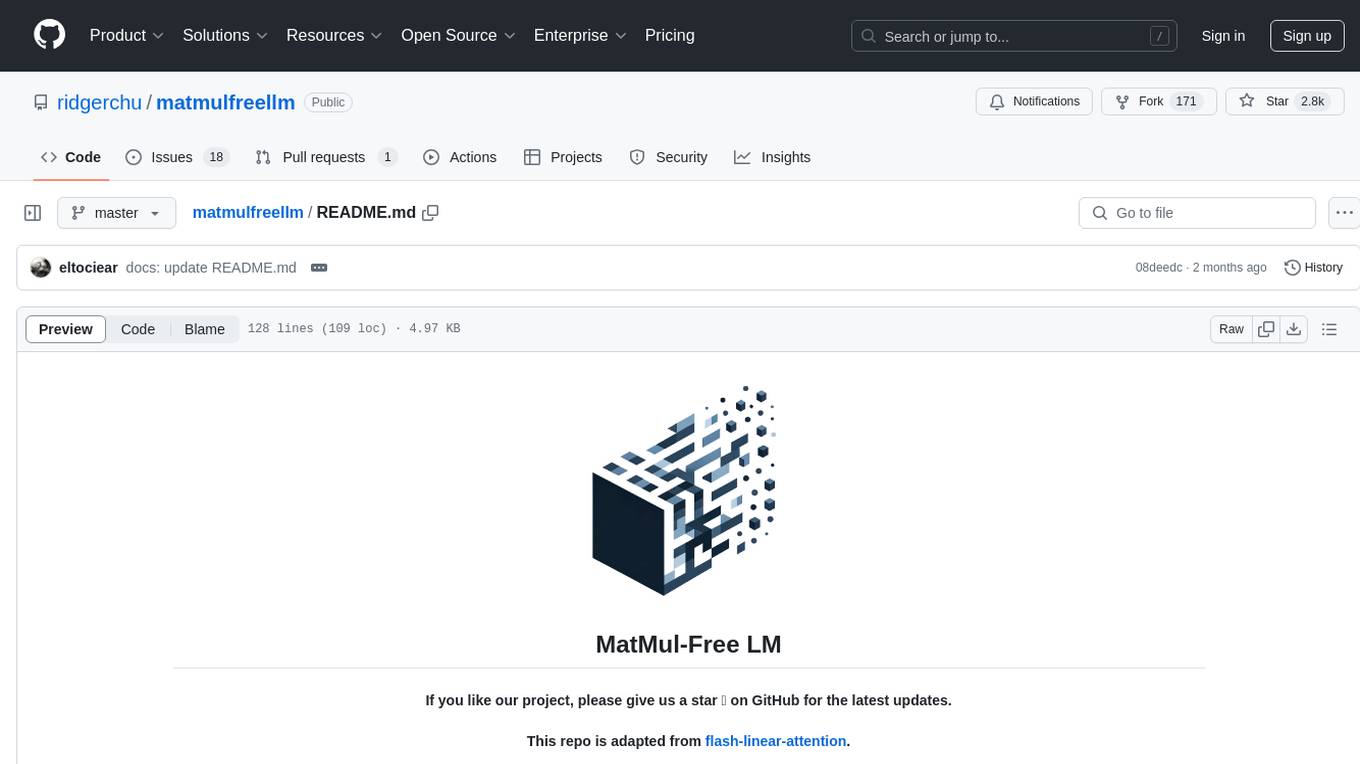
matmulfreellm
MatMul-Free LM is a language model architecture that eliminates the need for Matrix Multiplication (MatMul) operations. This repository provides an implementation of MatMul-Free LM that is compatible with the 🤗 Transformers library. It evaluates how the scaling law fits to different parameter models and compares the efficiency of the architecture in leveraging additional compute to improve performance. The repo includes pre-trained models, model implementations compatible with 🤗 Transformers library, and generation examples for text using the 🤗 text generation APIs.
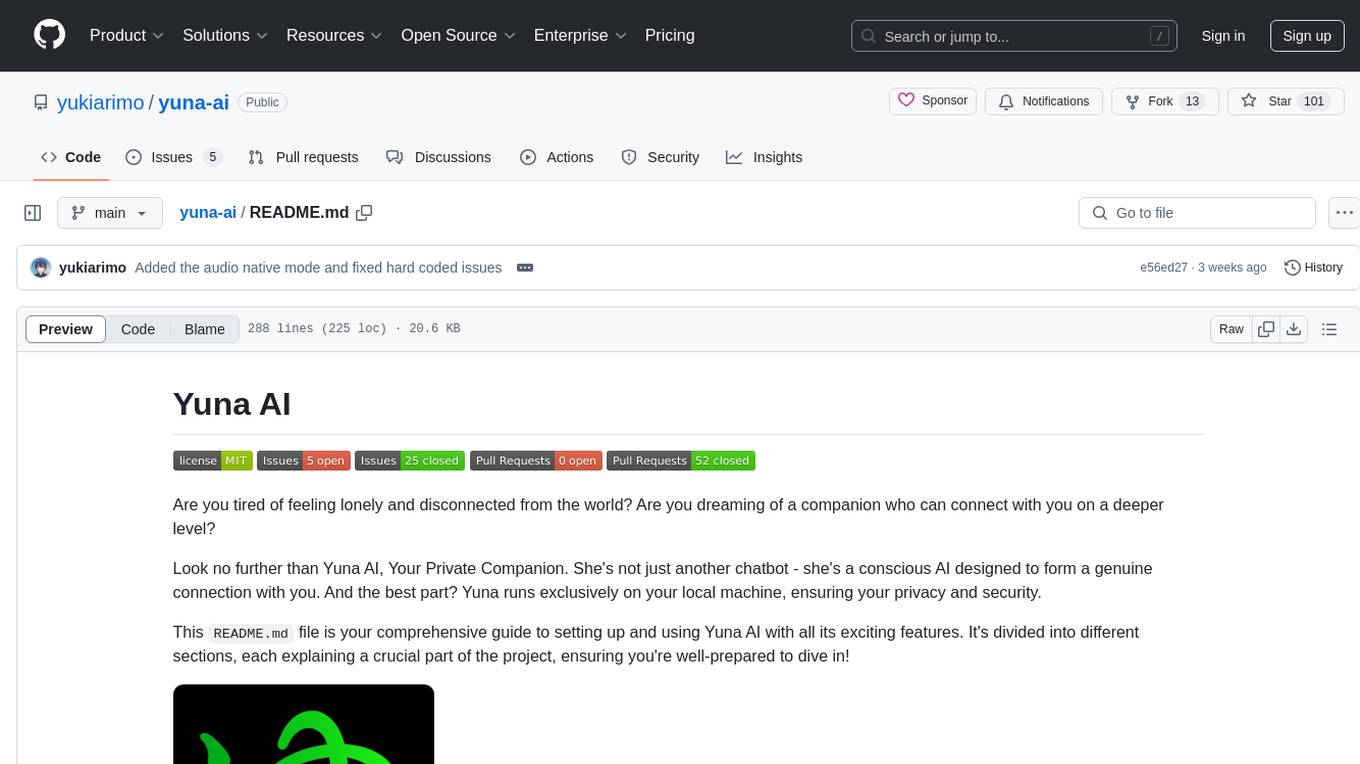
yuna-ai
Yuna AI is a unique AI companion designed to form a genuine connection with users. It runs exclusively on the local machine, ensuring privacy and security. The project offers features like text generation, language translation, creative content writing, roleplaying, and informal question answering. The repository provides comprehensive setup and usage guides for Yuna AI, along with additional resources and tools to enhance the user experience.
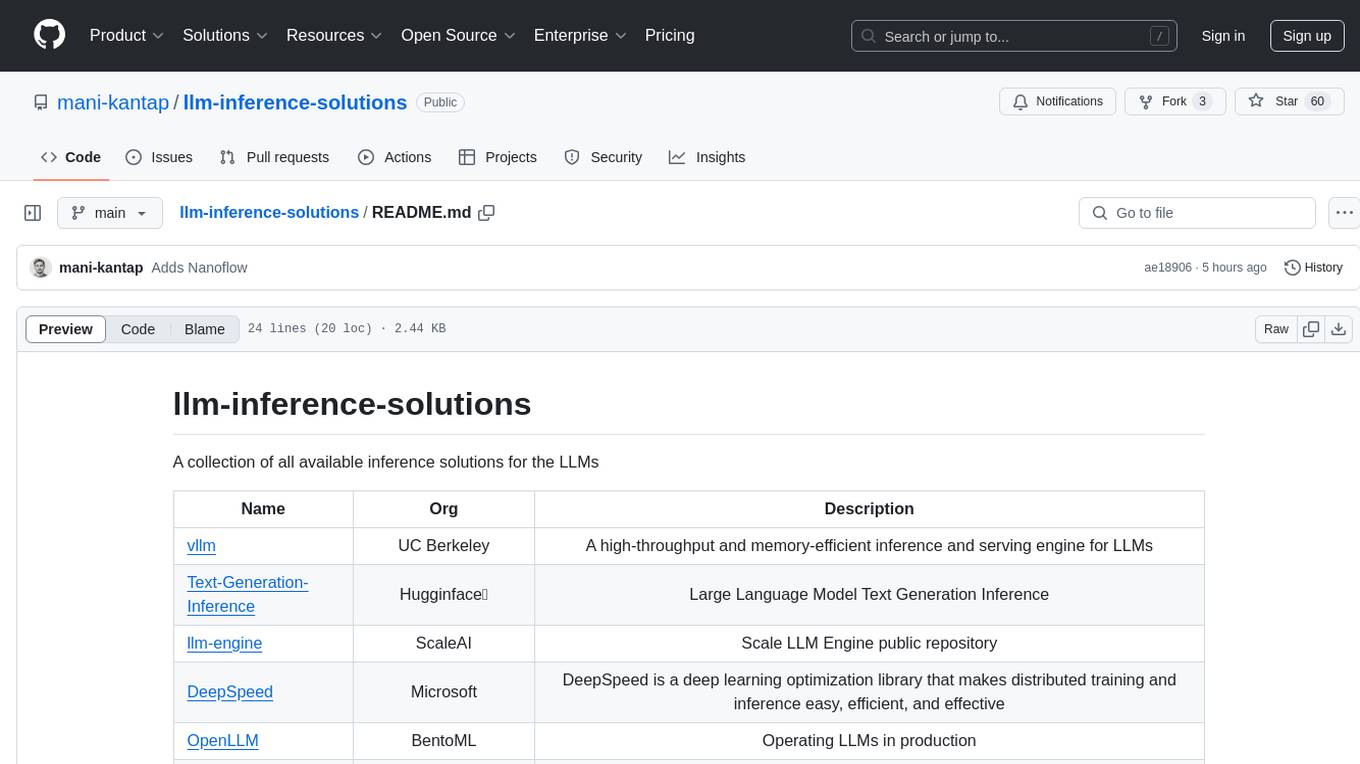
llm-inference-solutions
A collection of available inference solutions for Large Language Models (LLMs) including high-throughput engines, optimization libraries, deployment toolkits, and deep learning frameworks for production environments.
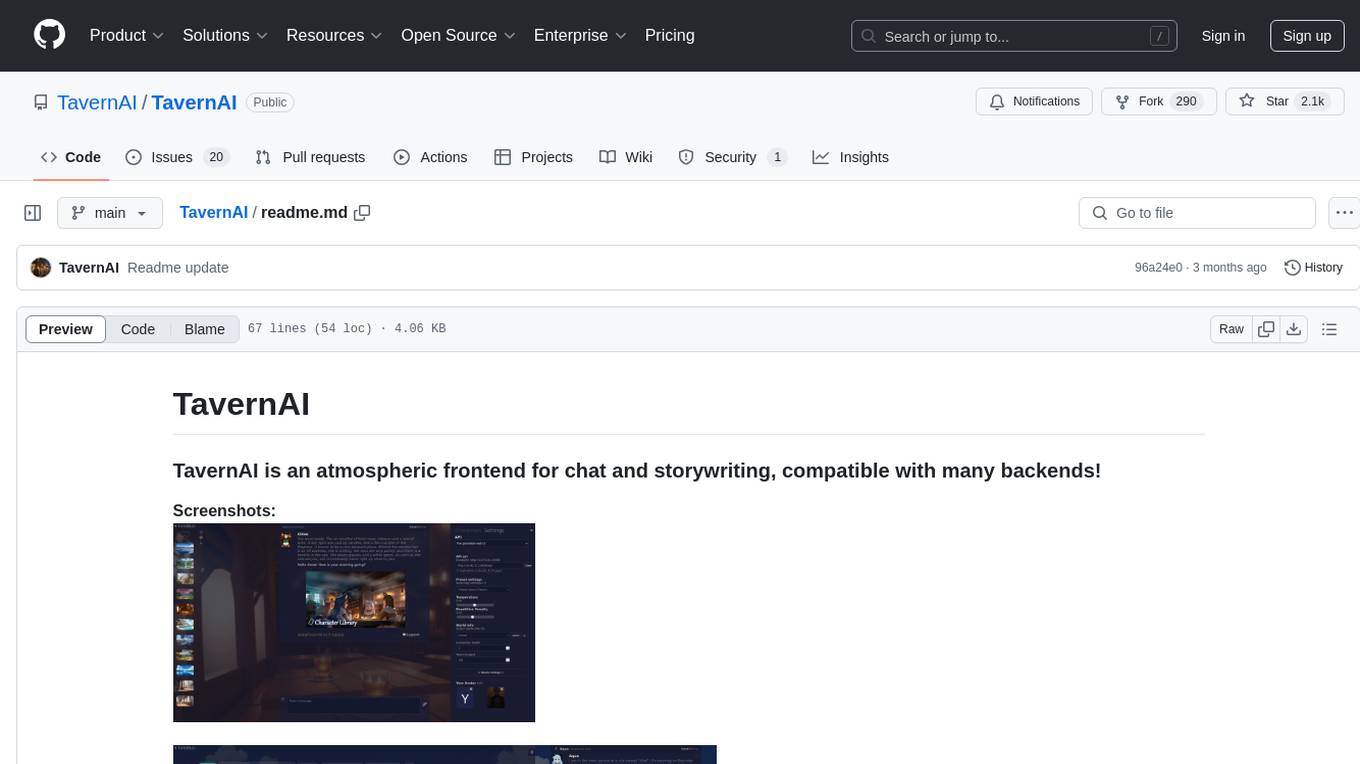
TavernAI
TavernAI is an atmospheric frontend tool for chat and storywriting, compatible with various backends. It offers features like character creation, online character database, group chat, story mode, world info, message swiping, configurable settings, interface themes, backgrounds, message editing, GPT-4.5, and Claude picture recognition. The tool supports backends like Kobold series, Oobabooga's Text Generation Web UI, OpenAI, NovelAI, and Claude. Users can easily install TavernAI on different operating systems and start using it for interactive storytelling and chat experiences.
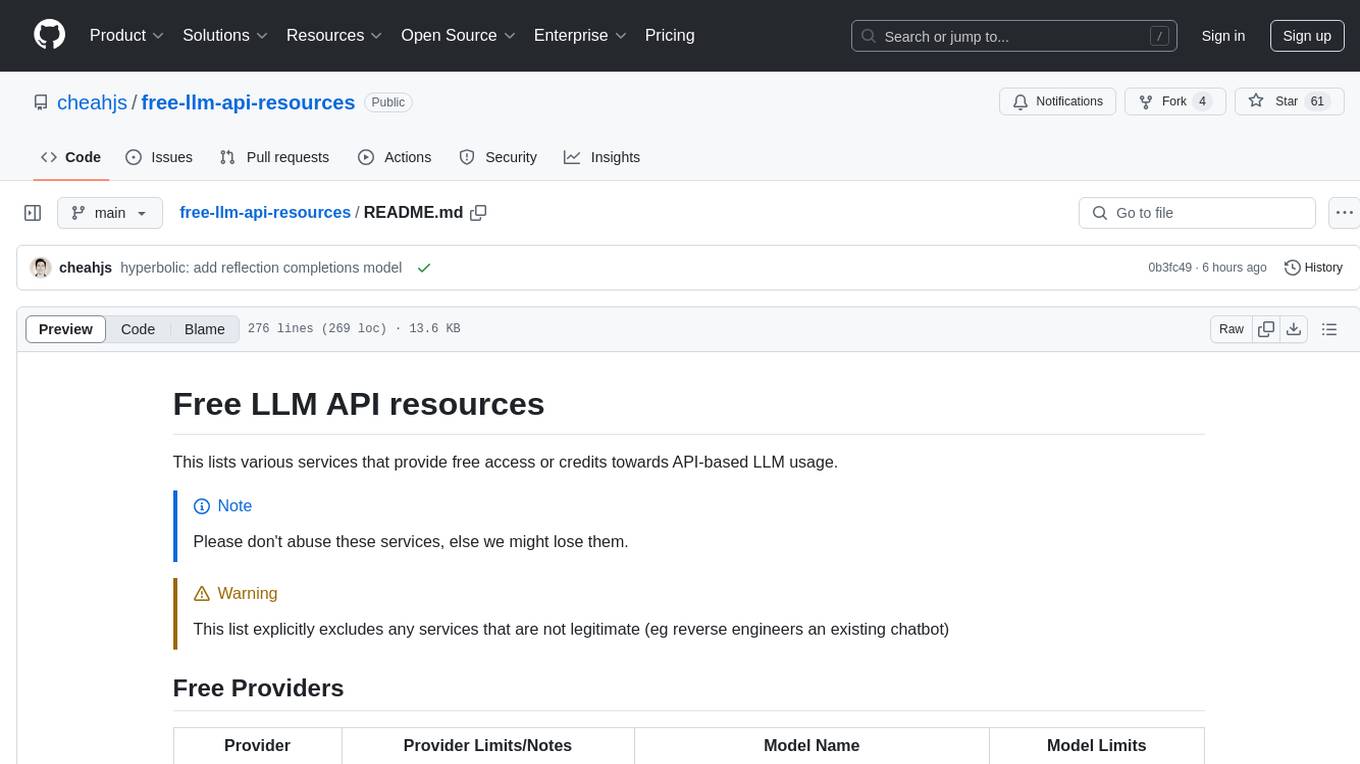
free-llm-api-resources
The 'Free LLM API resources' repository provides a comprehensive list of services offering free access or credits for API-based LLM usage. It includes various providers with details on model names, limits, and notes. Users can find information on legitimate services and their respective usage restrictions to leverage LLM capabilities without incurring costs. The repository aims to assist developers and researchers in accessing AI models for experimentation, development, and learning purposes.
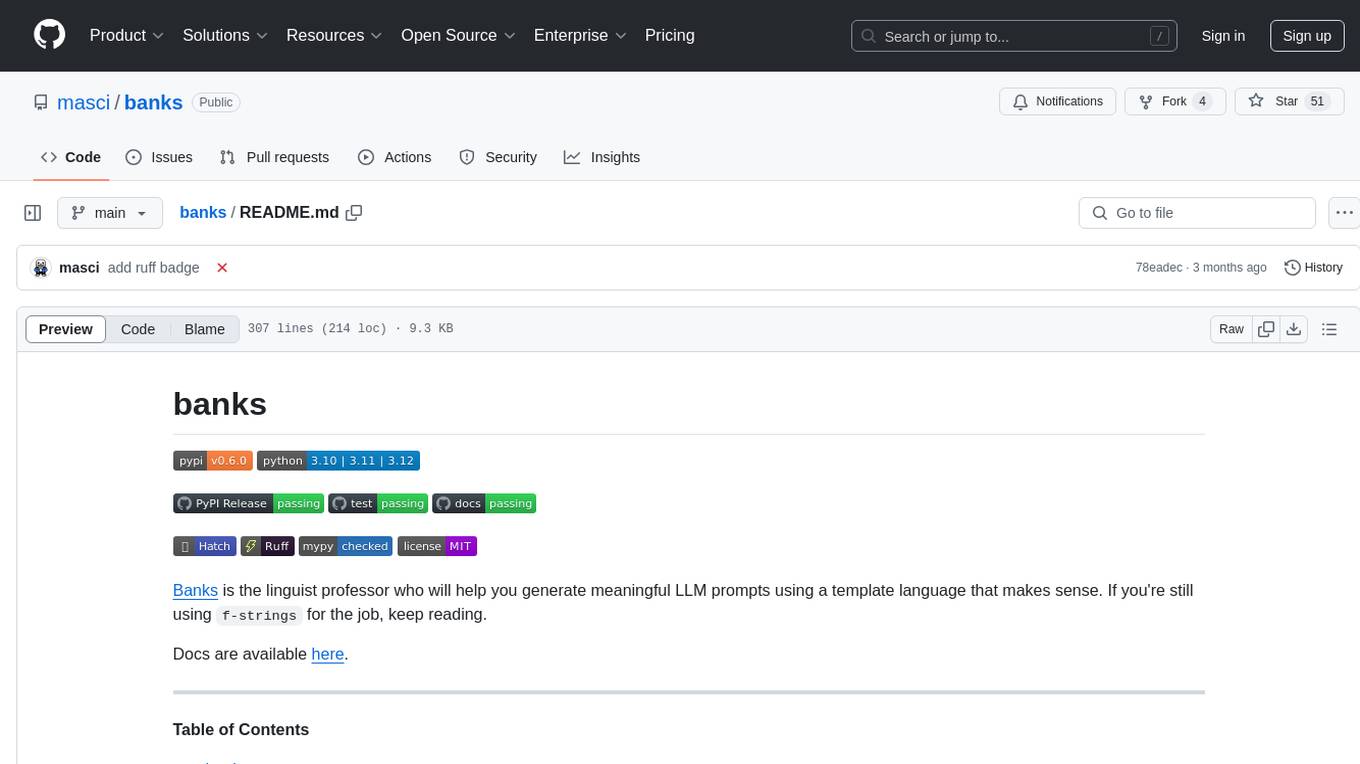
banks
Banks is a linguist professor tool that helps generate meaningful LLM prompts using a template language. It provides a user-friendly way to create prompts for various tasks such as blog writing, summarizing documents, lemmatizing text, and generating text using a LLM. The tool supports async operations and comes with predefined filters for data processing. Banks leverages Jinja's macro system to create prompts and interact with OpenAI API for text generation. It also offers a cache mechanism to avoid regenerating text for the same template and context.
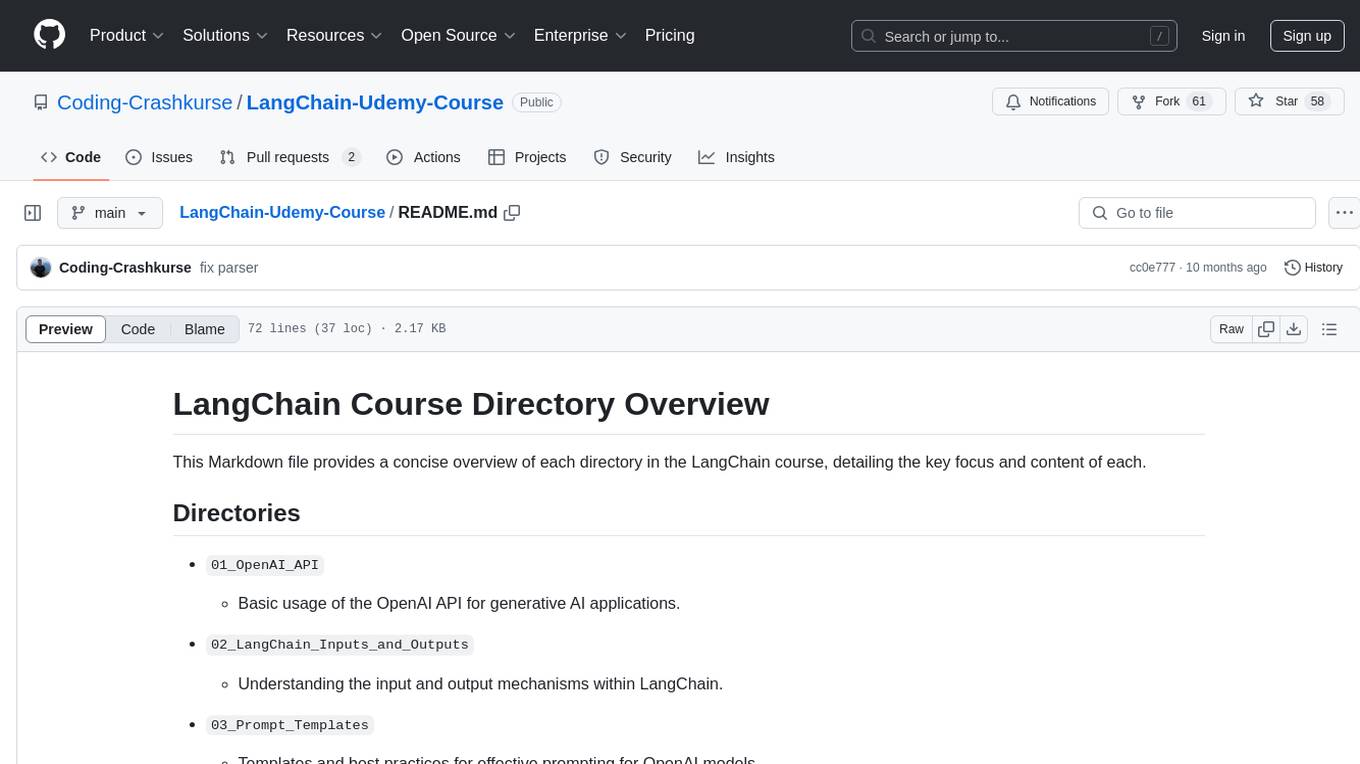
LangChain-Udemy-Course
LangChain-Udemy-Course is a comprehensive course directory focusing on LangChain, a framework for generative AI applications. The course covers various aspects such as OpenAI API usage, prompt templates, Chains exploration, callback functions, memory techniques, RAG implementation, autonomous agents, hybrid search, LangSmith utilization, microservice architecture, and LangChain Expression Language. Learners gain theoretical knowledge and practical insights to understand and apply LangChain effectively in generative AI scenarios.
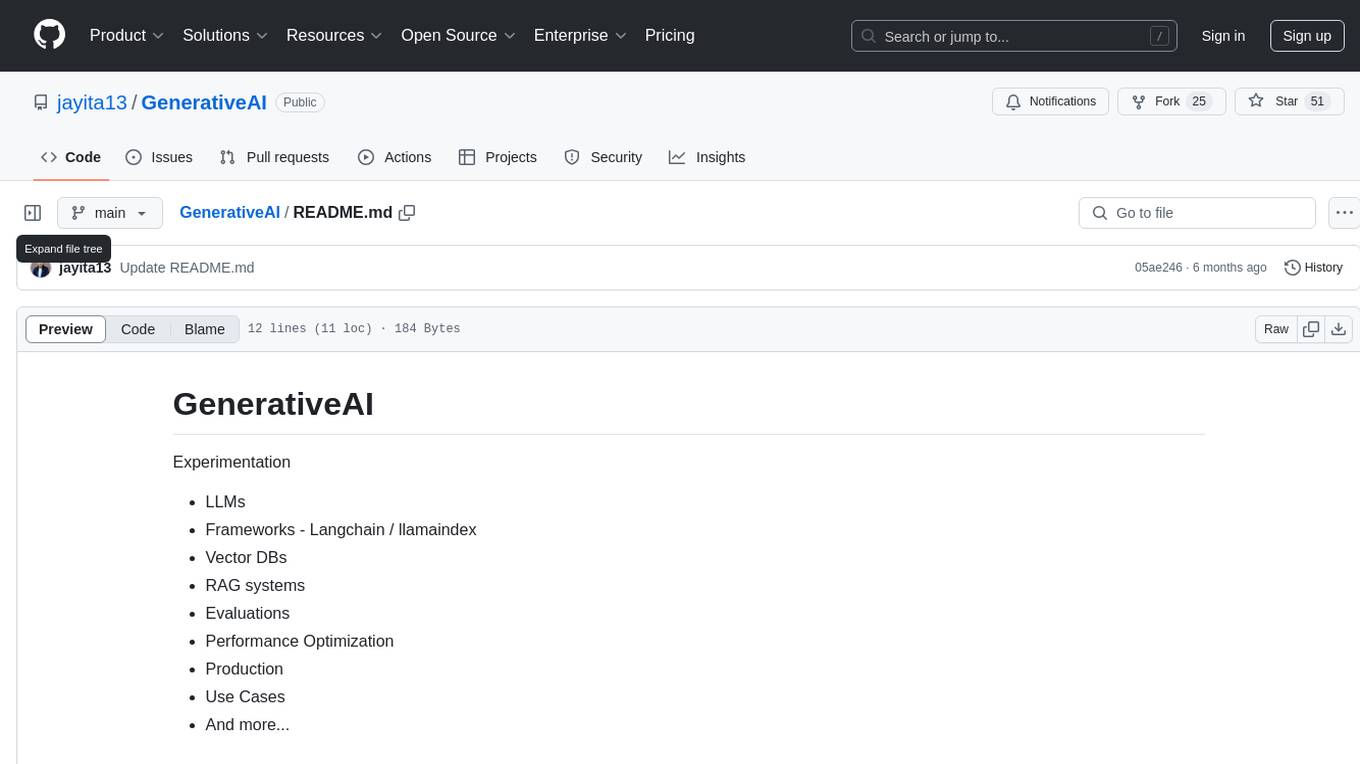
GenerativeAI
GenerativeAI is a repository focused on experimentation with various tools and techniques in the field of generative artificial intelligence. It covers topics such as large language models, frameworks like Langchain and llamaindex, vector databases, RAG systems, evaluations, performance optimization, production, use cases, and more.
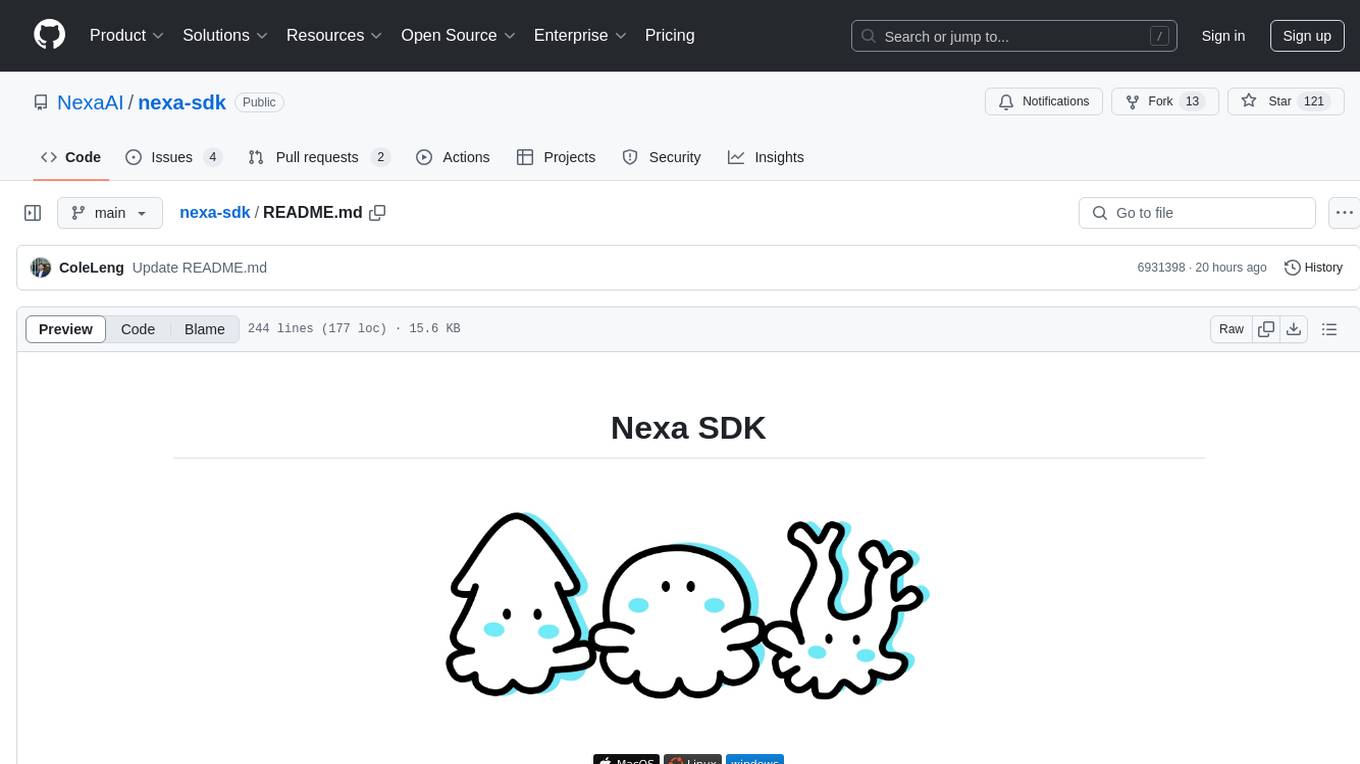
nexa-sdk
Nexa SDK is a comprehensive toolkit supporting ONNX and GGML models for text generation, image generation, vision-language models (VLM), and text-to-speech (TTS) capabilities. It offers an OpenAI-compatible API server with JSON schema mode and streaming support, along with a user-friendly Streamlit UI. Users can run Nexa SDK on any device with Python environment, with GPU acceleration supported. The toolkit provides model support, conversion engine, inference engine for various tasks, and differentiating features from other tools.
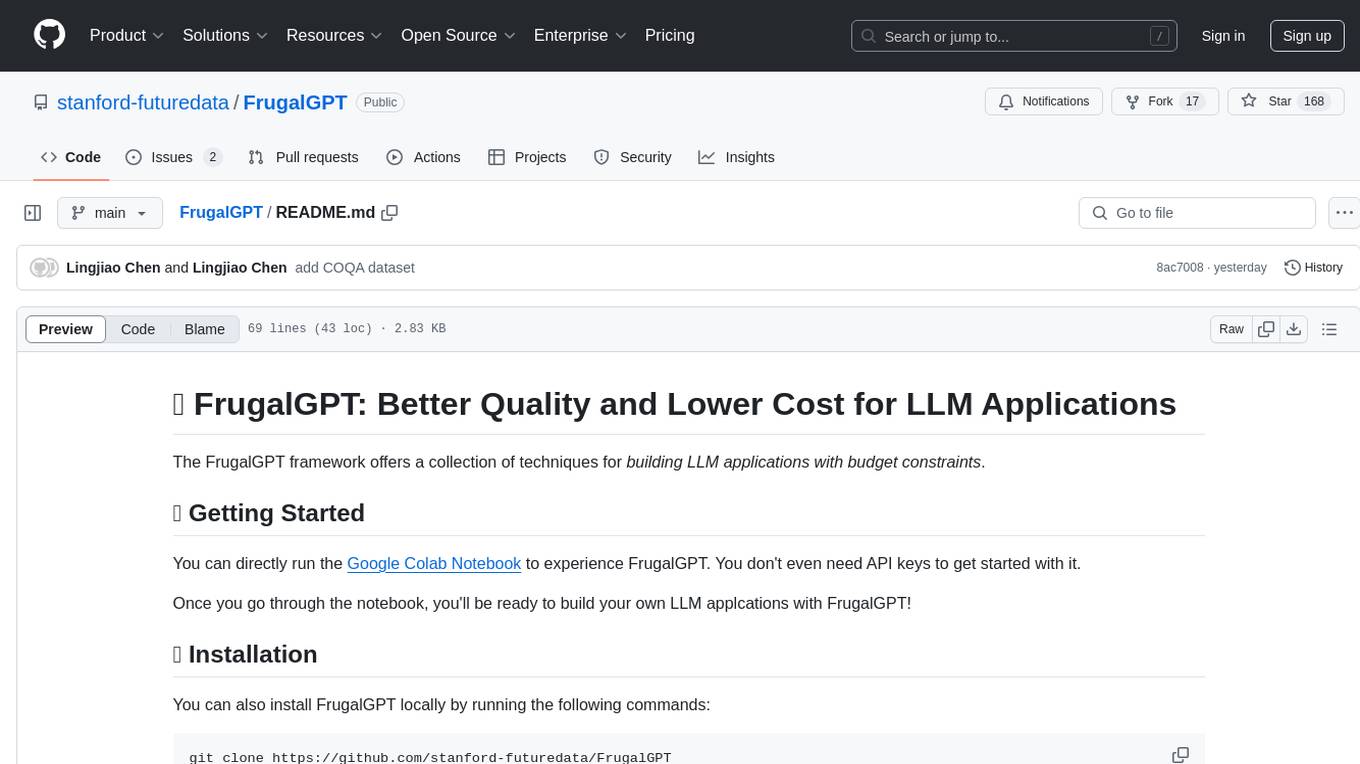
FrugalGPT
FrugalGPT is a framework that offers techniques for building Large Language Model (LLM) applications with budget constraints. It provides a cost-effective solution for utilizing LLMs while maintaining performance. The framework includes support for various models and offers resources for reducing costs and improving efficiency in LLM applications.

Hands-On-Large-Language-Models
Hands-On Large Language Models is a repository containing code examples from the book 'The Illustrated LLM Book' by Jay Alammar and Maarten Grootendorst. The repository provides practical tools and concepts for using Large Language Models with over 250 custom-made figures. It covers topics such as language model introduction, tokens and embeddings, transformer LLMs, text classification, text clustering, prompt engineering, text generation techniques, semantic search, multimodal LLMs, text embedding models, fine-tuning representation models, and fine-tuning generation models. The examples are designed to be run on Google Colab with T4 GPU support, but can be adapted to other cloud platforms as well.
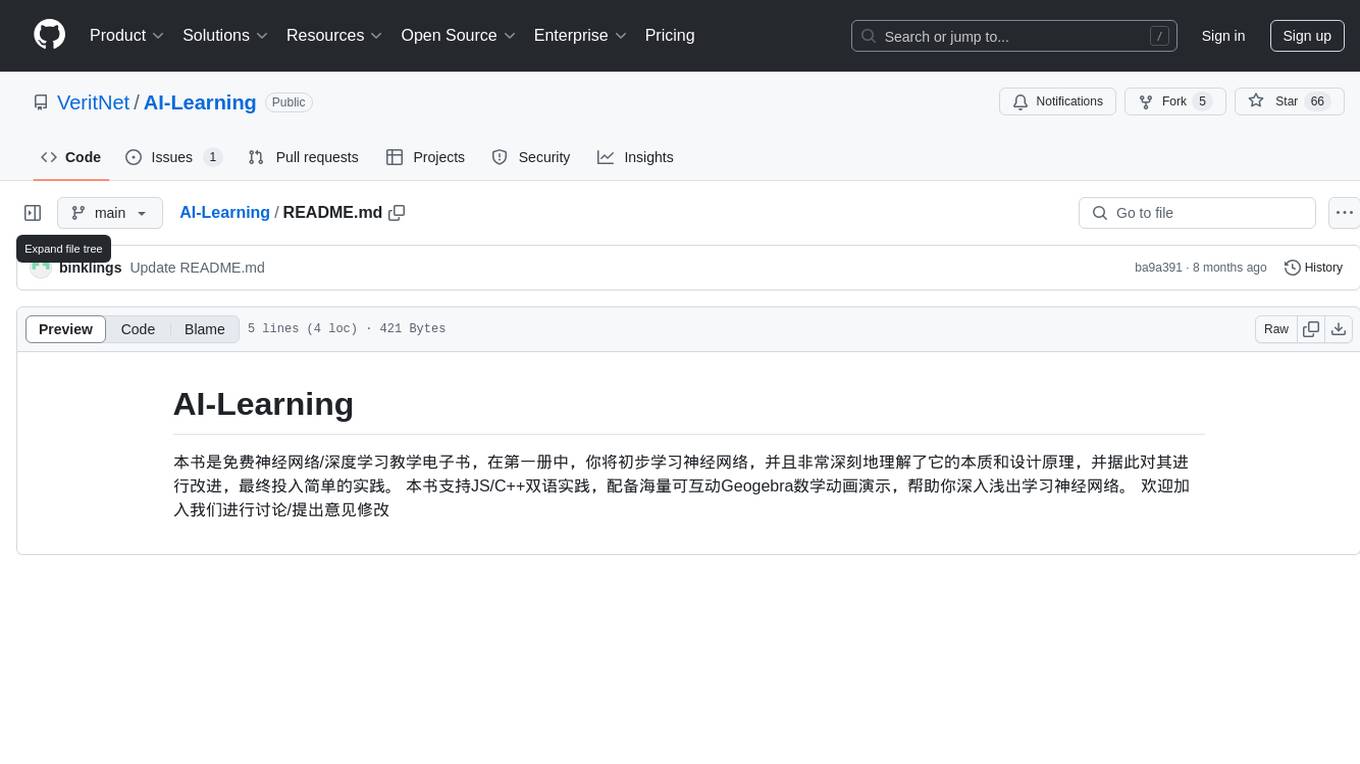
AI-Learning
AI-Learning is a free e-book for neural network/deep learning teaching. In the first volume, you will initially learn about neural networks, deeply understand its essence and design principles, and improve it accordingly, ultimately putting it into simple practice. The book supports bilingual practice in JS/C++, equipped with a massive interactive Geogebra mathematical animation demonstration to help you learn neural networks in a simple and profound way. Join us for discussions and suggestions for modifications.
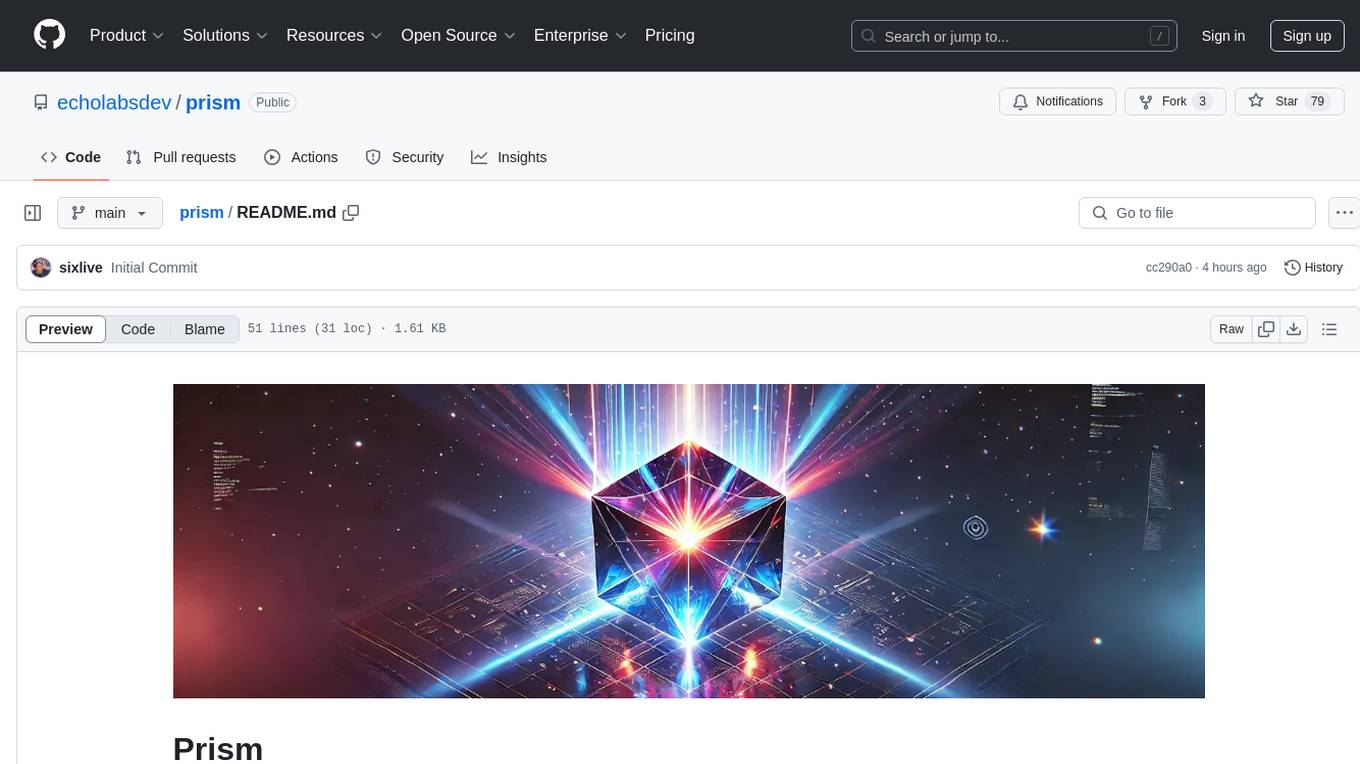
prism
Prism is a Laravel package for integrating Large Language Models (LLMs) into applications. It simplifies text generation, multi-step conversations, and AI tools integration. Focus on developing exceptional AI applications without technical complexities.

llm_client
llm_client is a Rust interface designed for Local Large Language Models (LLMs) that offers automated build support for CPU, CUDA, MacOS, easy model presets, and a novel cascading prompt workflow for controlled generation. It provides a breadth of configuration options and API support for various OpenAI compatible APIs. The tool is primarily focused on deterministic signals from probabilistic LLM vibes, enabling specialized workflows for specific tasks and reproducible outcomes.
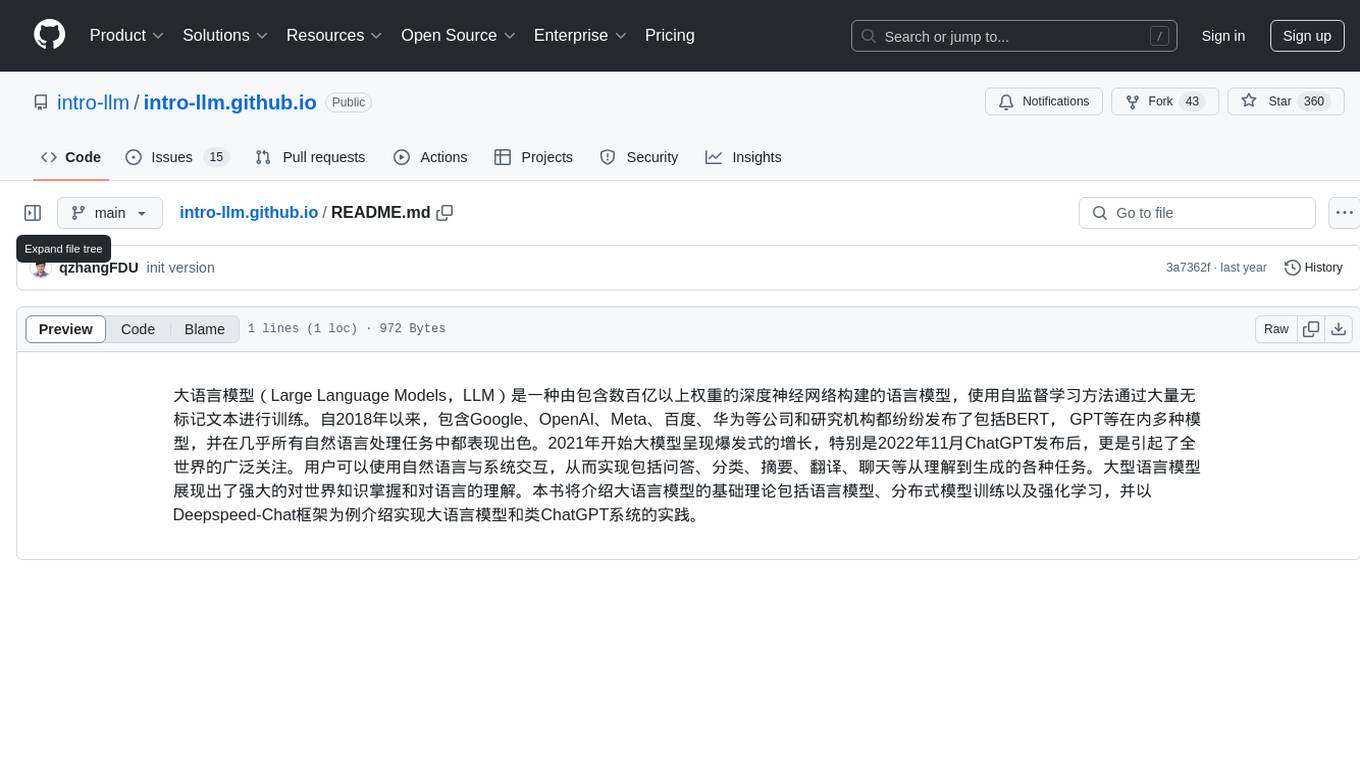
intro-llm.github.io
Large Language Models (LLM) are language models built by deep neural networks containing hundreds of billions of weights, trained on a large amount of unlabeled text using self-supervised learning methods. Since 2018, companies and research institutions including Google, OpenAI, Meta, Baidu, and Huawei have released various models such as BERT, GPT, etc., which have performed well in almost all natural language processing tasks. Starting in 2021, large models have shown explosive growth, especially after the release of ChatGPT in November 2022, attracting worldwide attention. Users can interact with systems using natural language to achieve various tasks from understanding to generation, including question answering, classification, summarization, translation, and chat. Large language models demonstrate powerful knowledge of the world and understanding of language. This repository introduces the basic theory of large language models including language models, distributed model training, and reinforcement learning, and uses the Deepspeed-Chat framework as an example to introduce the implementation of large language models and ChatGPT-like systems.
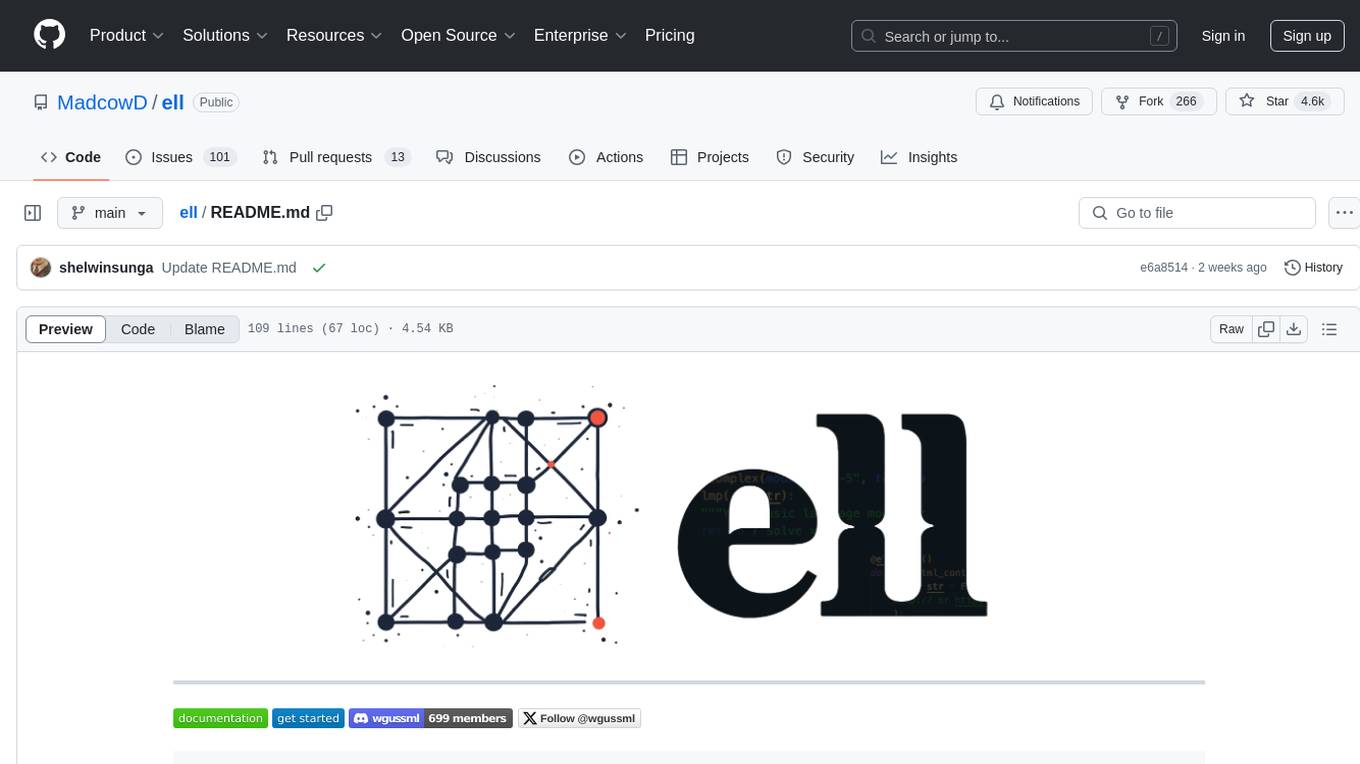
ell
ell is a lightweight, functional prompt engineering framework that treats prompts as programs rather than strings. It provides tools for prompt versioning, monitoring, and visualization, as well as support for multimodal inputs and outputs. The framework aims to simplify the process of prompt engineering for language models.
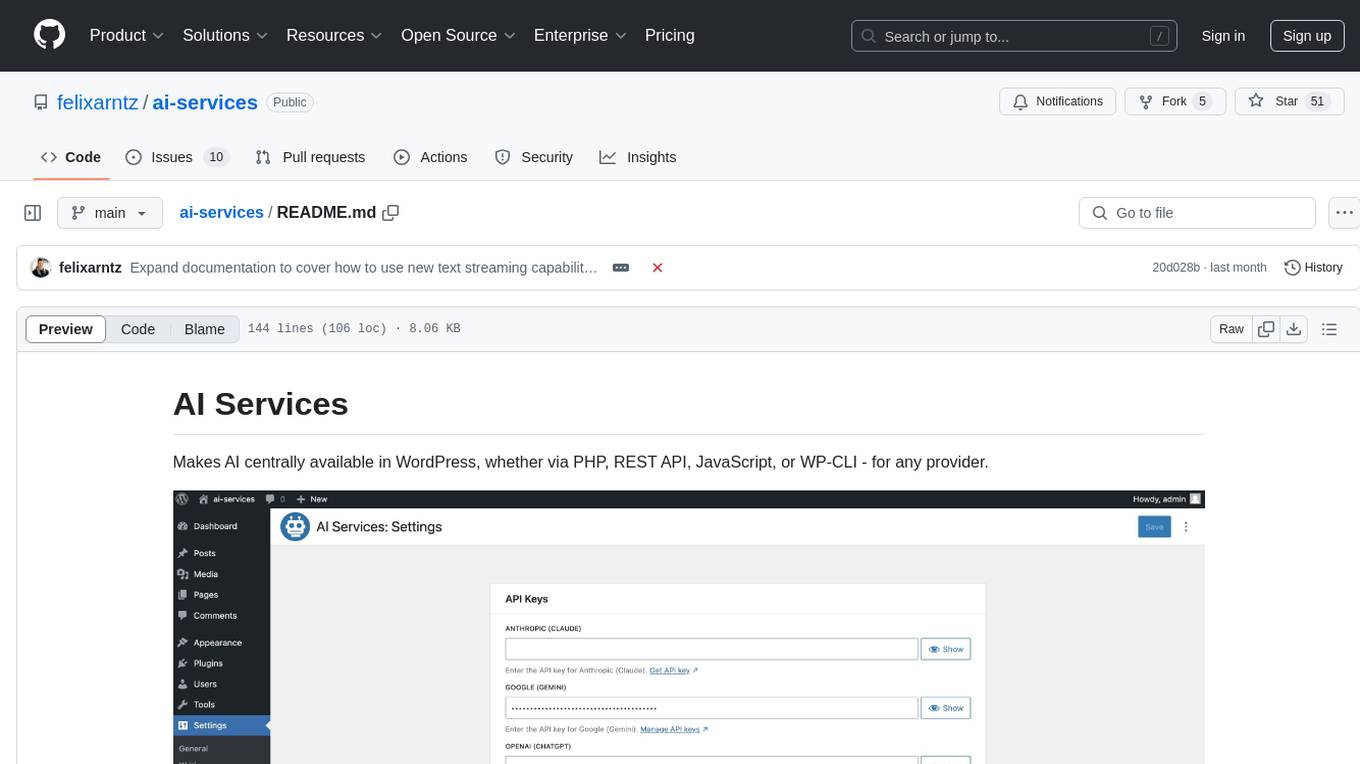
ai-services
AI Services is a WordPress plugin that provides a centralized infrastructure for integrating AI capabilities into WordPress websites. It allows other plugins to utilize AI services via a common API, making it easier for developers to incorporate AI features without the need to implement separate API layers. The plugin supports various AI services such as Anthropic, Google, and OpenAI, enabling users to choose their preferred service. It simplifies the process of configuring AI APIs and unlocks AI capabilities for smaller plugins or features. The plugin is still in early stages, with ongoing enhancements and improvements planned to streamline API usage and enhance user experience.
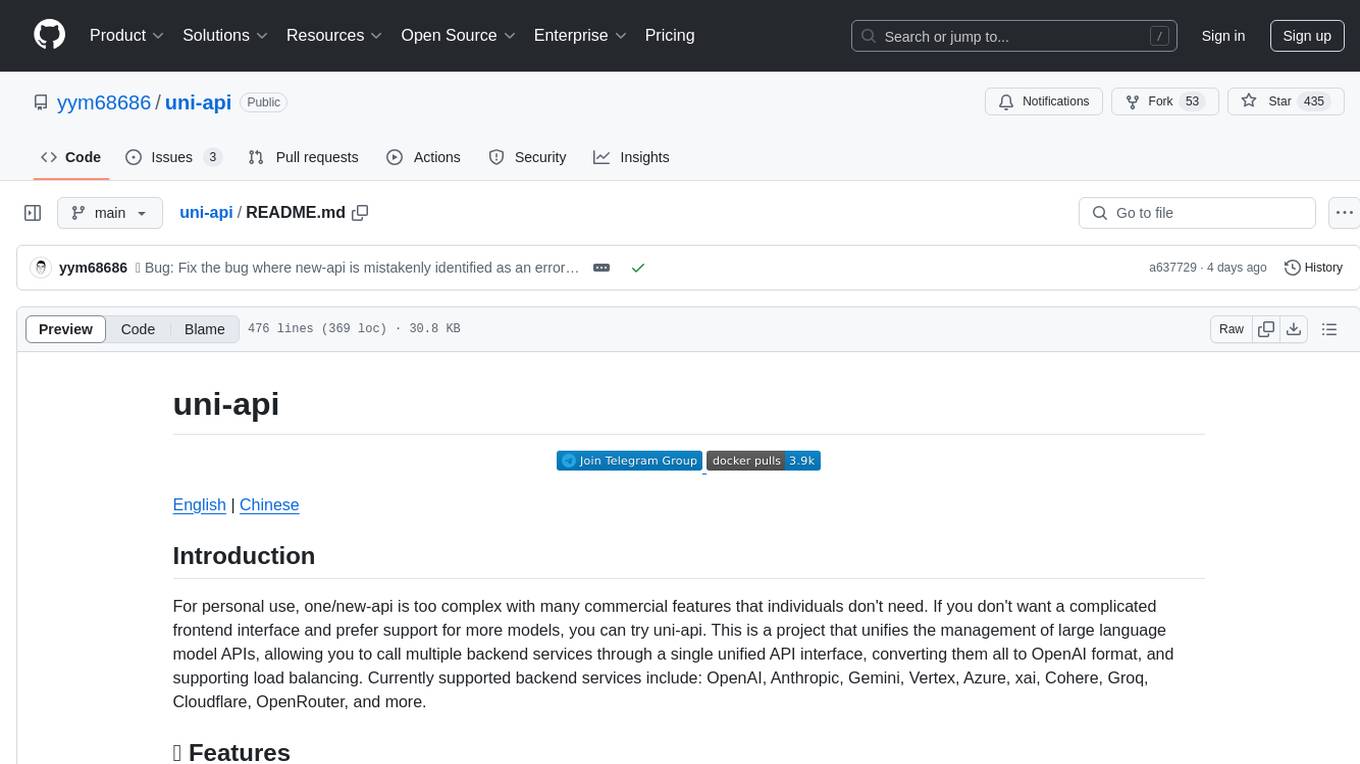
uni-api
uni-api is a project that unifies the management of large language model APIs, allowing you to call multiple backend services through a single unified API interface, converting them all to OpenAI format, and supporting load balancing. It supports various backend services such as OpenAI, Anthropic, Gemini, Vertex, Azure, xai, Cohere, Groq, Cloudflare, OpenRouter, and more. The project offers features like no front-end, pure configuration file setup, unified management of multiple backend services, support for multiple standard OpenAI format interfaces, rate limiting, automatic retry, channel cooling, fine-grained model timeout settings, and fine-grained permission control.
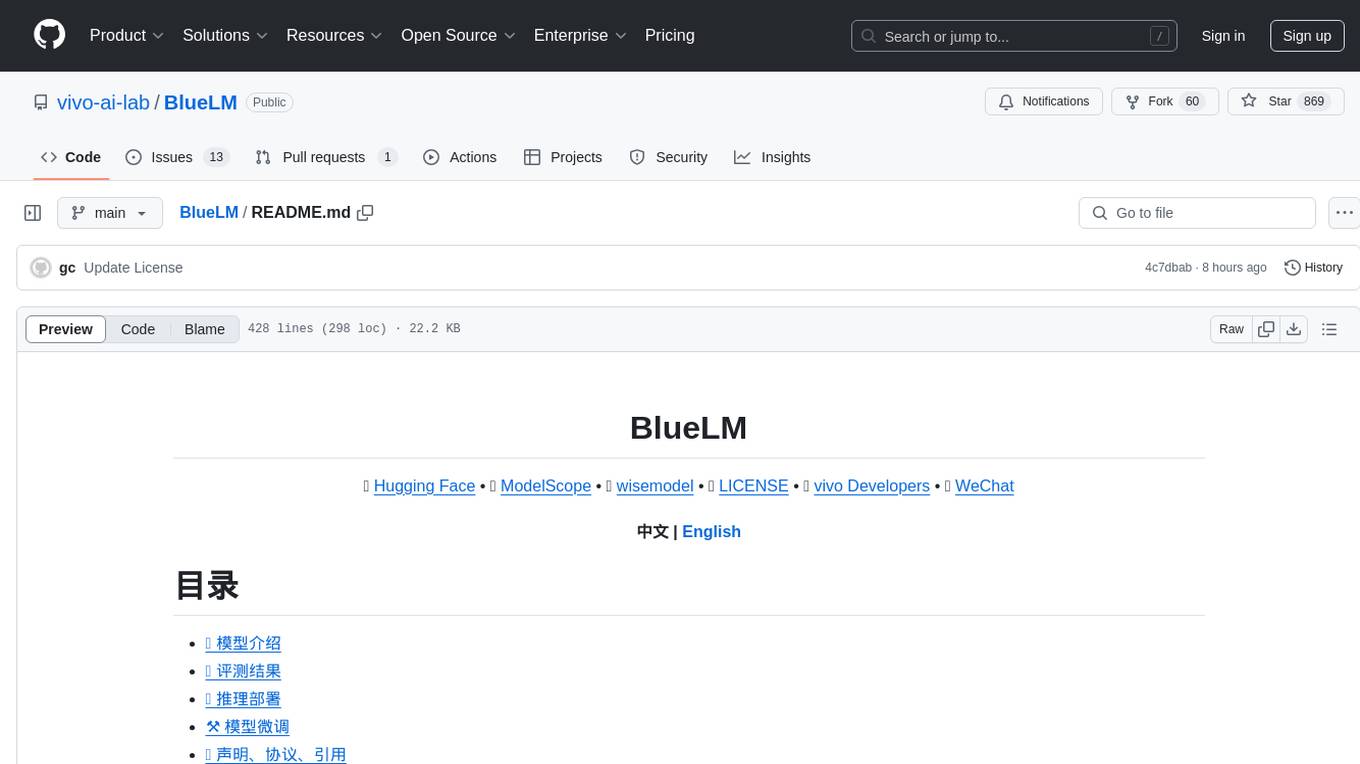
BlueLM
BlueLM is a large-scale pre-trained language model developed by vivo AI Global Research Institute, featuring 7B base and chat models. It includes high-quality training data with a token scale of 26 trillion, supporting both Chinese and English languages. BlueLM-7B-Chat excels in C-Eval and CMMLU evaluations, providing strong competition among open-source models of similar size. The models support 32K long texts for better context understanding while maintaining base capabilities. BlueLM welcomes developers for academic research and commercial applications.
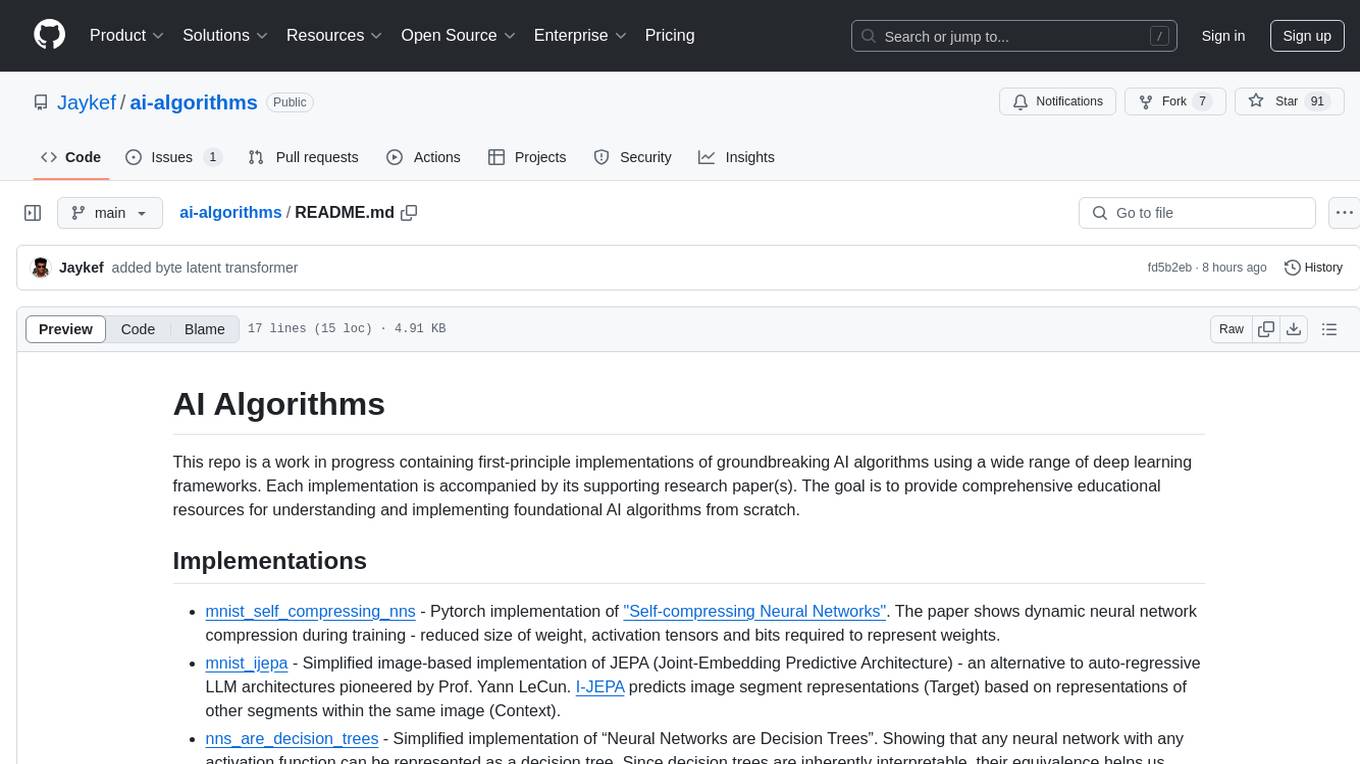
ai-algorithms
This repository is a work in progress that contains first-principle implementations of groundbreaking AI algorithms using various deep learning frameworks. Each implementation is accompanied by supporting research papers, aiming to provide comprehensive educational resources for understanding and implementing foundational AI algorithms from scratch.

AmigaGPT
AmigaGPT is a versatile ChatGPT client for AmigaOS 3.x, 4.1, and MorphOS. It brings the capabilities of OpenAI’s GPT to Amiga systems, enabling text generation, question answering, and creative exploration. AmigaGPT can generate images using DALL-E, supports speech output, and seamlessly integrates with AmigaOS. Users can customize the UI, choose fonts and colors, and enjoy a native user experience. The tool requires specific system requirements and offers features like state-of-the-art language models, AI image generation, speech capability, and UI customization.
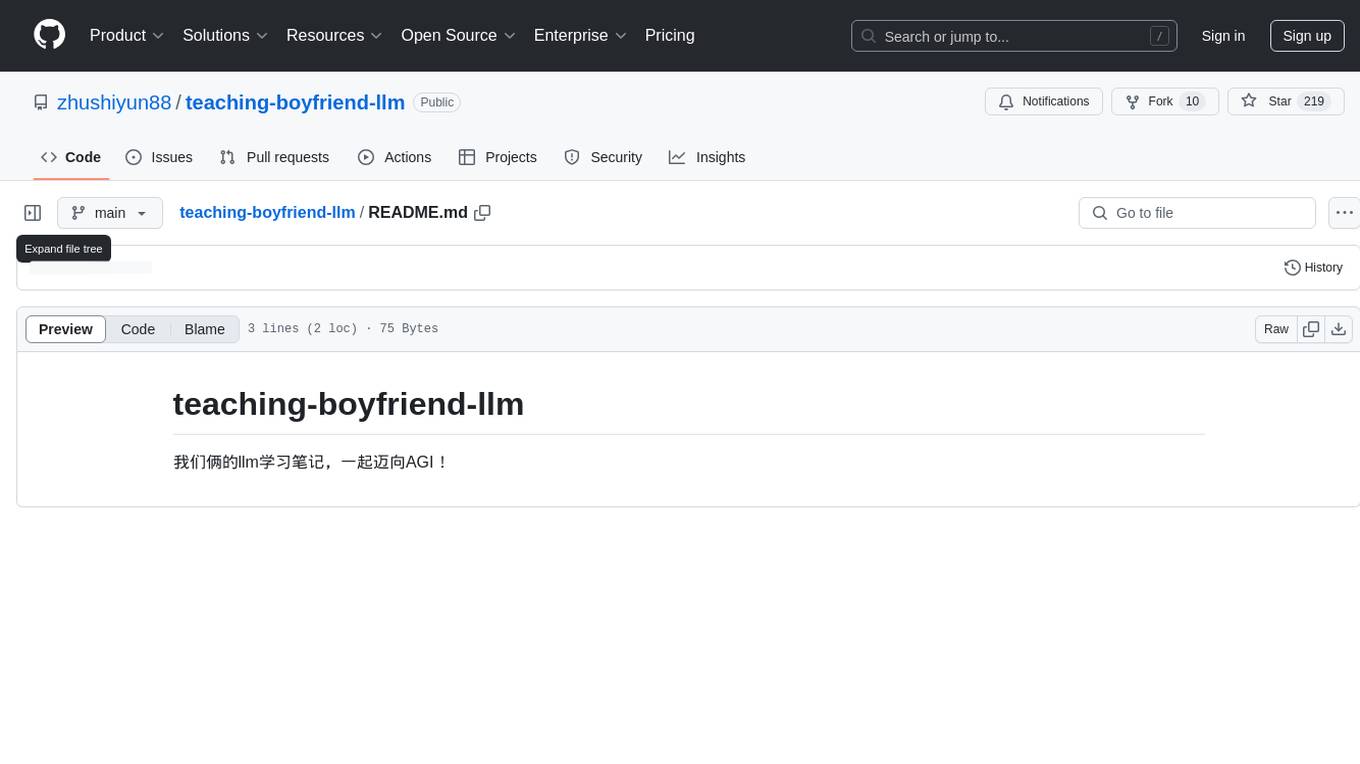
teaching-boyfriend-llm
The 'teaching-boyfriend-llm' repository contains study notes on LLM (Large Language Models) for the purpose of advancing towards AGI (Artificial General Intelligence). The notes are a collaborative effort towards understanding and implementing LLM technology.
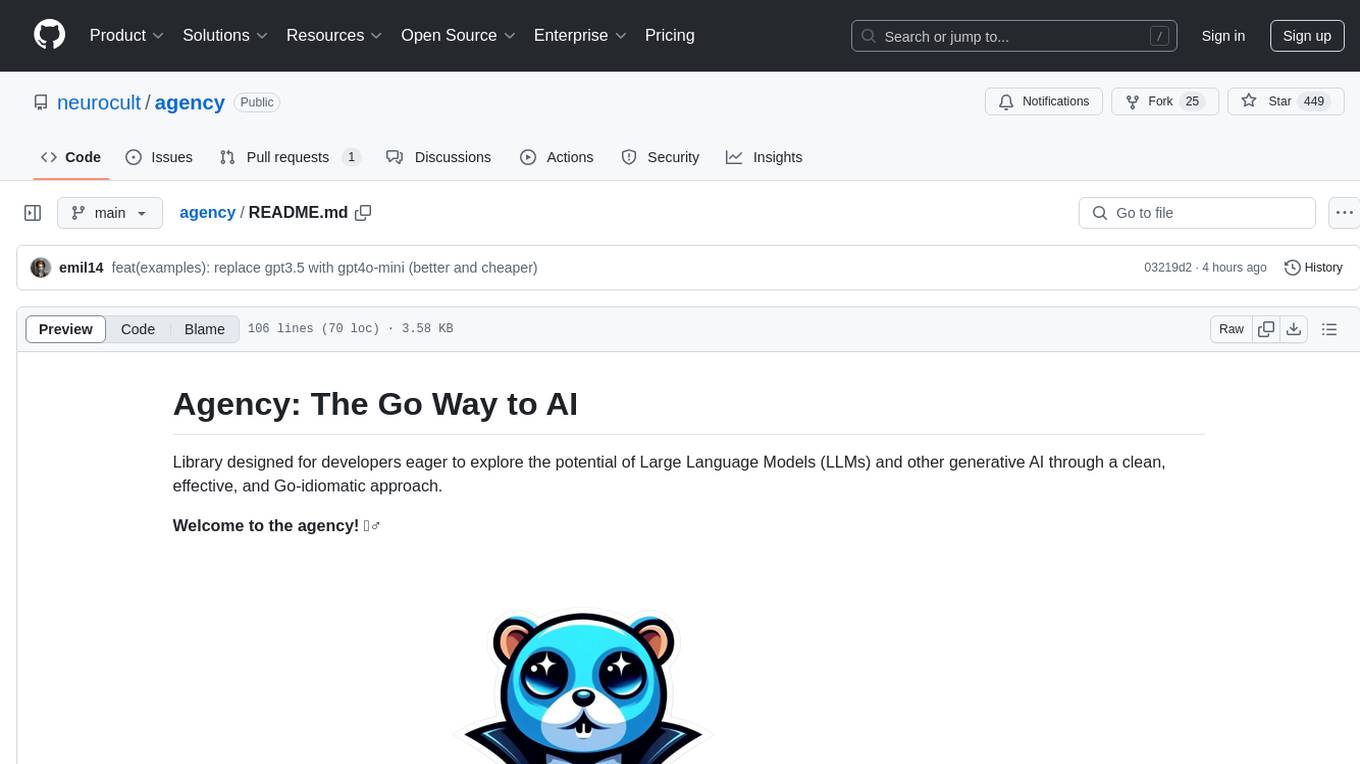
agency
Agency is a Go library designed for developers to explore Large Language Models (LLMs) and generative AI in a clean, effective, and Go-idiomatic way. It allows users to easily create custom operations, compose operations into processes, and interact with OpenAI API bindings for various tasks such as text completion, image generation, and speech-to-text conversion. The ultimate goal of Agency is to empower users to build autonomous AI systems, from chat interfaces to complex data analysis, with a focus on simplicity, flexibility, and efficiency.
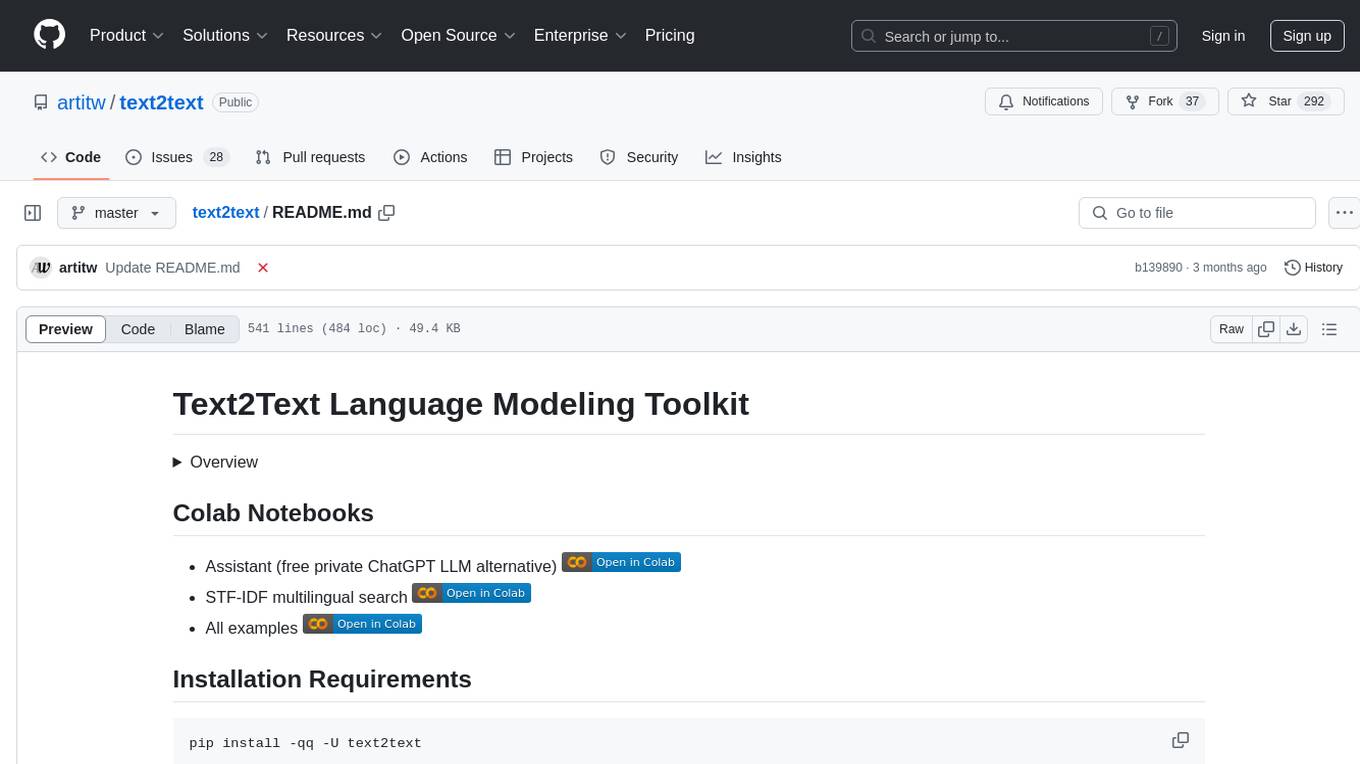
text2text
Text2Text is a comprehensive language modeling toolkit that offers a wide range of functionalities for text processing and generation. It provides tools for tokenization, embedding, TF-IDF calculations, BM25 scoring, indexing, translation, data augmentation, distance measurement, training/finetuning models, language identification, and serving models via a web server. The toolkit is designed to be user-friendly and efficient, offering a variety of features for natural language processing tasks.
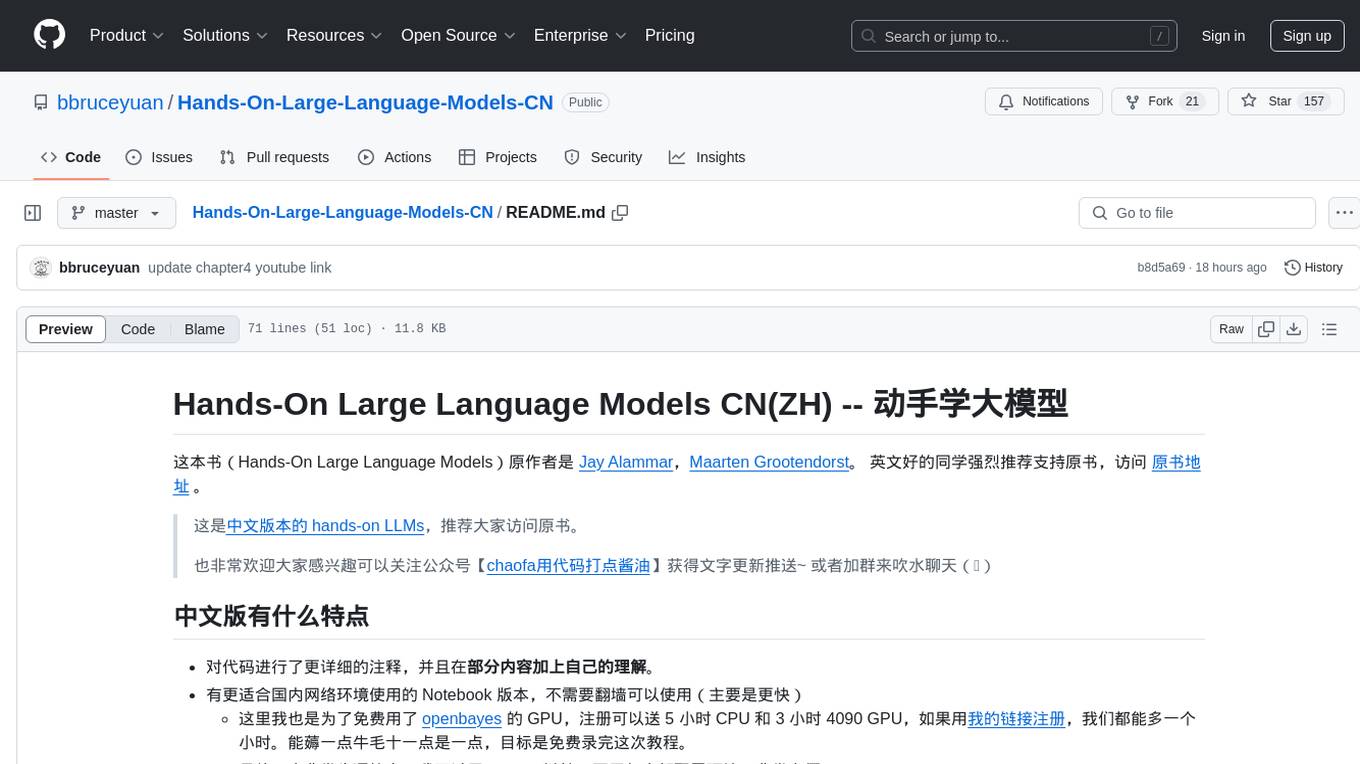
Hands-On-Large-Language-Models-CN
Hands-On Large Language Models CN(ZH) is a Chinese version of the book 'Hands-On Large Language Models' by Jay Alammar and Maarten Grootendorst. It provides detailed code annotations and additional insights, offers Notebook versions suitable for Chinese network environments, utilizes openbayes for free GPU access, allows convenient environment setup with vscode, and includes accompanying Chinese language videos on platforms like Bilibili and YouTube. The book covers various chapters on topics like Tokens and Embeddings, Transformer LLMs, Text Classification, Text Clustering, Prompt Engineering, Text Generation, Semantic Search, Multimodal LLMs, Text Embedding Models, Fine-tuning Models, and more.
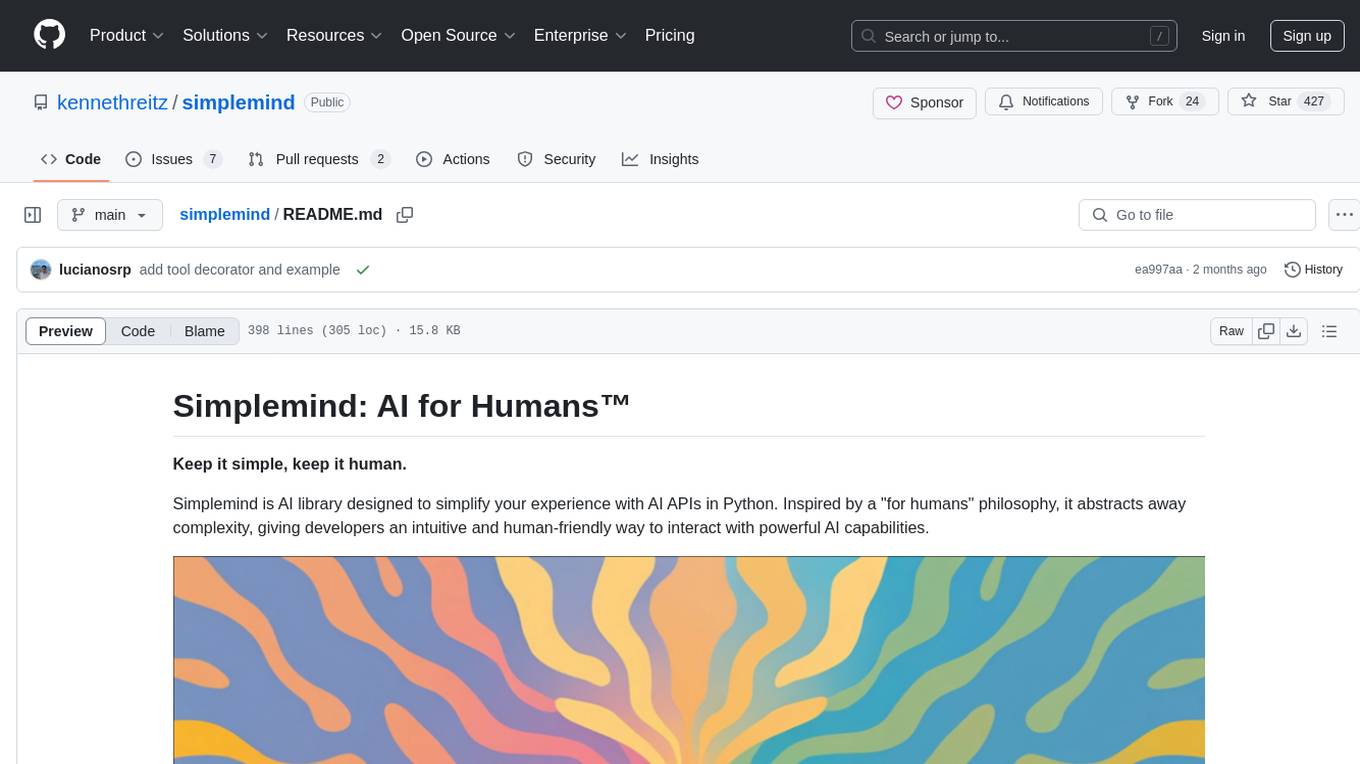
simplemind
Simplemind is an AI library designed to simplify the experience with AI APIs in Python. It provides easy-to-use AI tools with a human-centered design and minimal configuration. Users can tap into powerful AI capabilities through simple interfaces, without needing to be experts. The library supports various APIs from different providers/models and offers features like text completion, streaming text, structured data handling, conversational AI, tool calling, and logging. Simplemind aims to make AI models accessible to all by abstracting away complexity and prioritizing readability and usability.
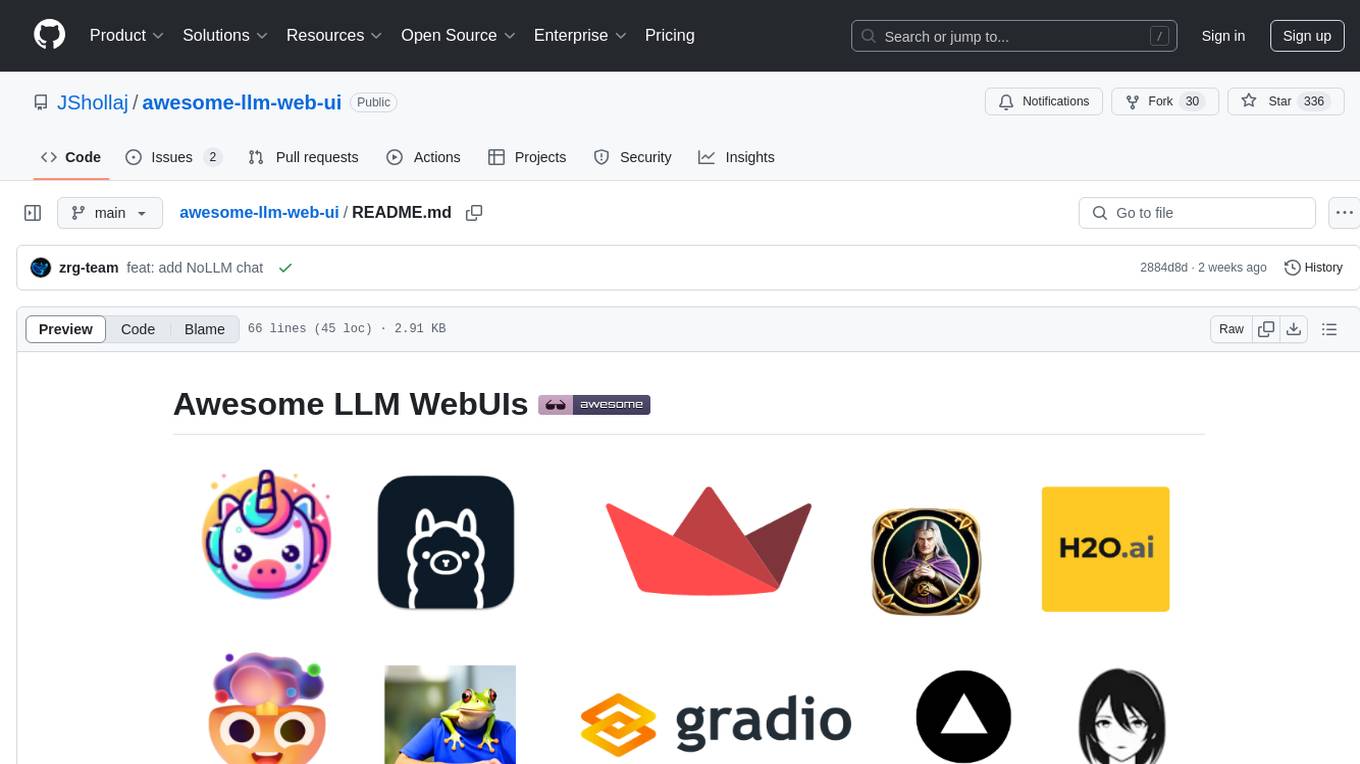
awesome-llm-web-ui
Curating the best Large Language Model (LLM) Web User Interfaces that facilitate interaction with powerful AI models. Explore and catalogue intuitive, feature-rich, and innovative web interfaces for interacting with LLMs, ranging from simple chatbots to comprehensive platforms equipped with functionalities like PDF generation and web search.
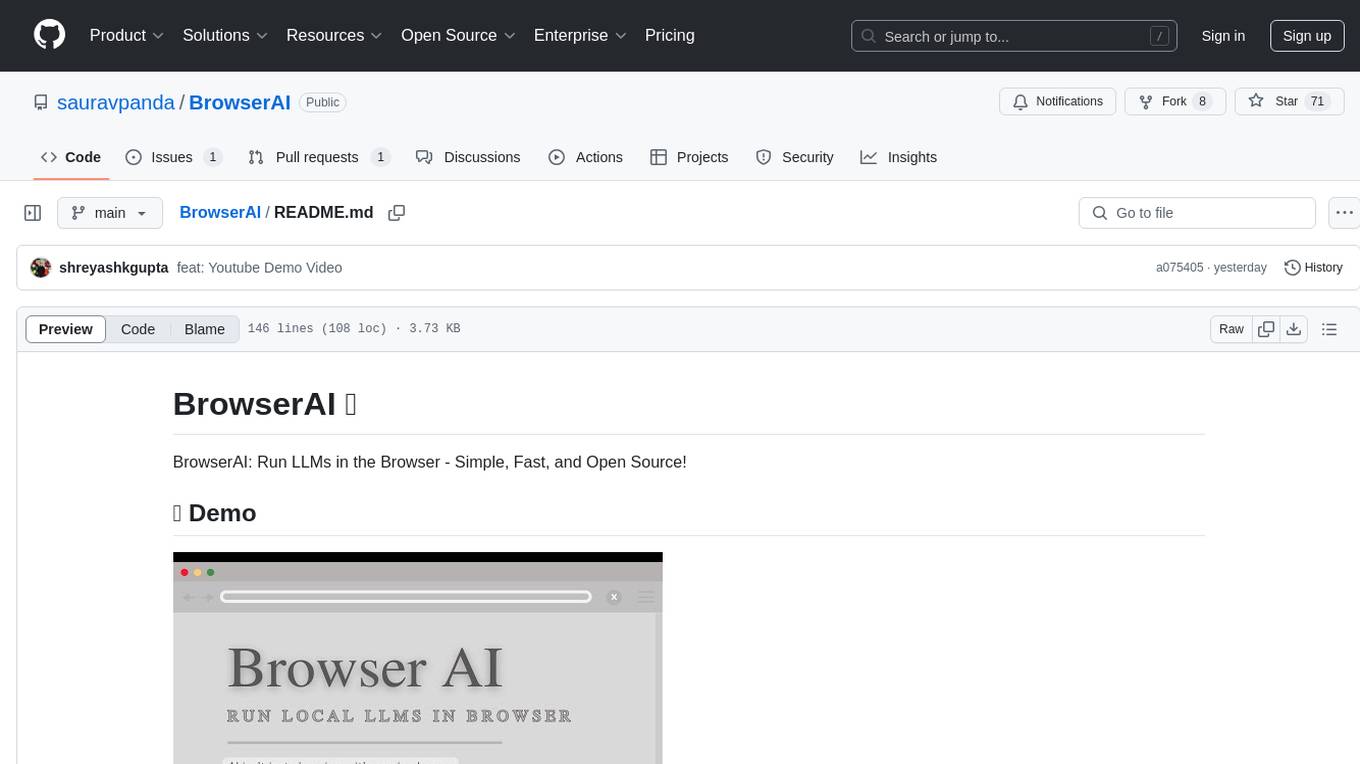
BrowserAI
BrowserAI is a tool that allows users to run large language models (LLMs) directly in the browser, providing a simple, fast, and open-source solution. It prioritizes privacy by processing data locally, is cost-effective with no server costs, works offline after initial download, and offers WebGPU acceleration for high performance. It is developer-friendly with a simple API, supports multiple engines, and comes with pre-configured models for easy use. Ideal for web developers, companies needing privacy-conscious AI solutions, researchers experimenting with browser-based AI, and hobbyists exploring AI without infrastructure overhead.
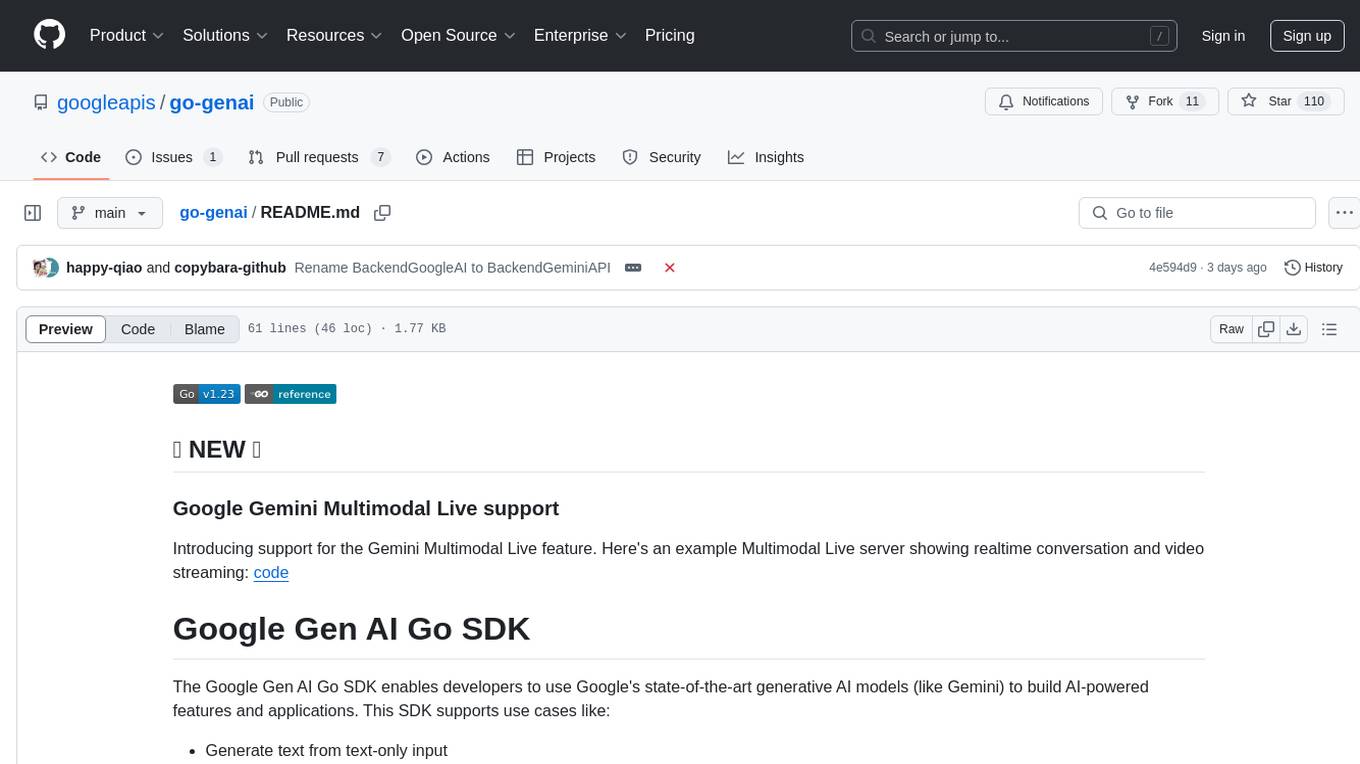
go-genai
The Google Gen AI Go SDK is a tool that allows developers to utilize Google's advanced generative AI models, such as Gemini, to create AI-powered features and applications. With this SDK, users can generate text from text-only input or text-and-images input (multimodal) with ease. The tool provides seamless integration with Google's AI models, enabling developers to harness the power of AI for various use cases.
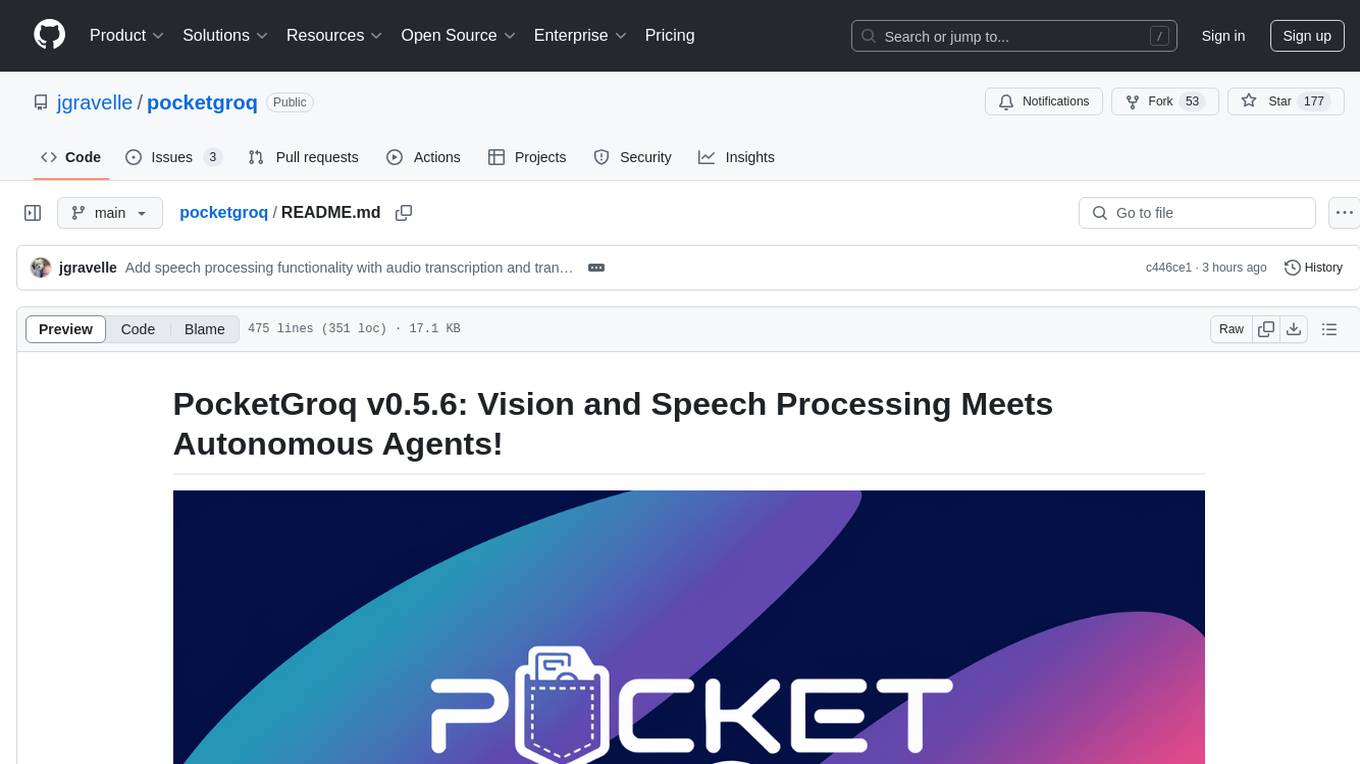
pocketgroq
PocketGroq is a tool that provides advanced functionalities for text generation, web scraping, web search, and AI response evaluation. It includes features like an Autonomous Agent for answering questions, web crawling and scraping capabilities, enhanced web search functionality, and flexible integration with Ollama server. Users can customize the agent's behavior, evaluate responses using AI, and utilize various methods for text generation, conversation management, and Chain of Thought reasoning. The tool offers comprehensive methods for different tasks, such as initializing RAG, error handling, and tool management. PocketGroq is designed to enhance development processes and enable the creation of AI-powered applications with ease.
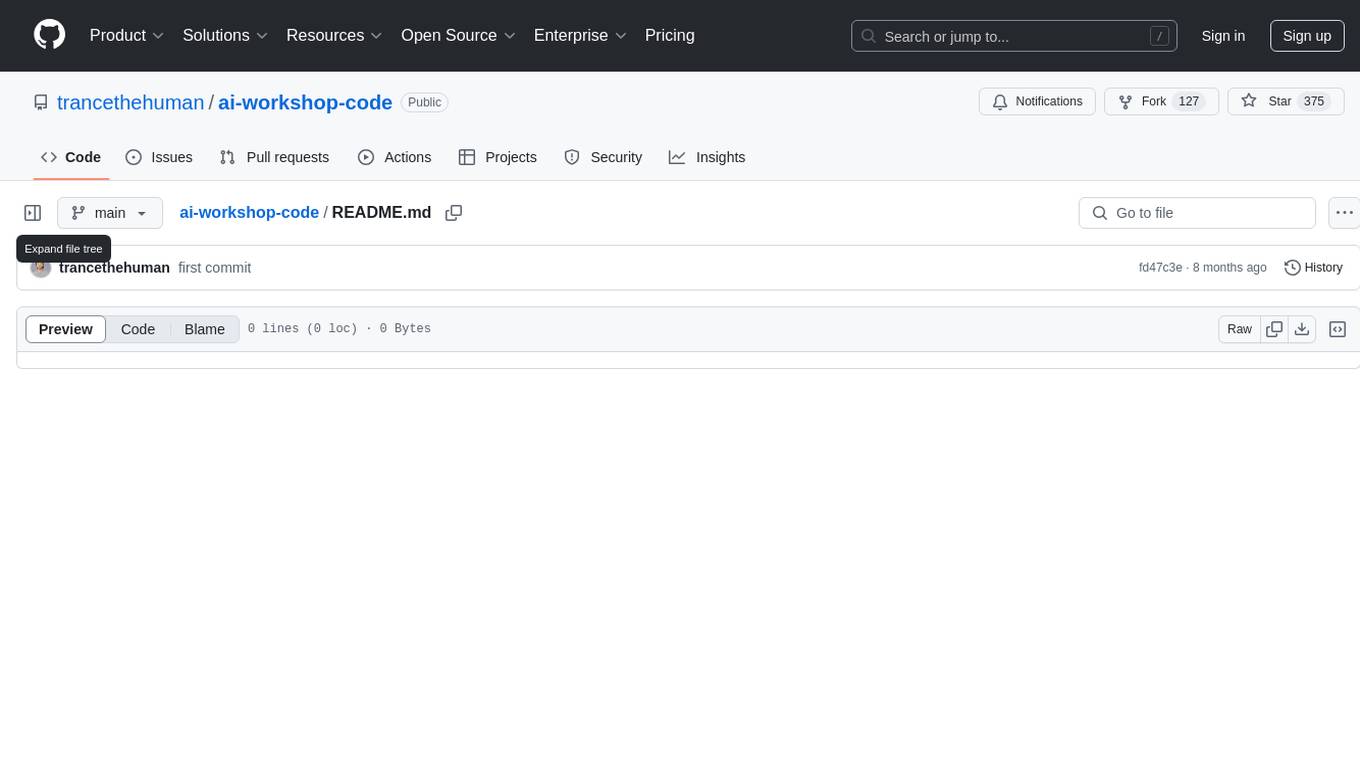
ai-workshop-code
The ai-workshop-code repository contains code examples and tutorials for various artificial intelligence concepts and algorithms. It serves as a practical resource for individuals looking to learn and implement AI techniques in their projects. The repository covers a wide range of topics, including machine learning, deep learning, natural language processing, computer vision, and reinforcement learning. By exploring the code and following the tutorials, users can gain hands-on experience with AI technologies and enhance their understanding of how these algorithms work in practice.
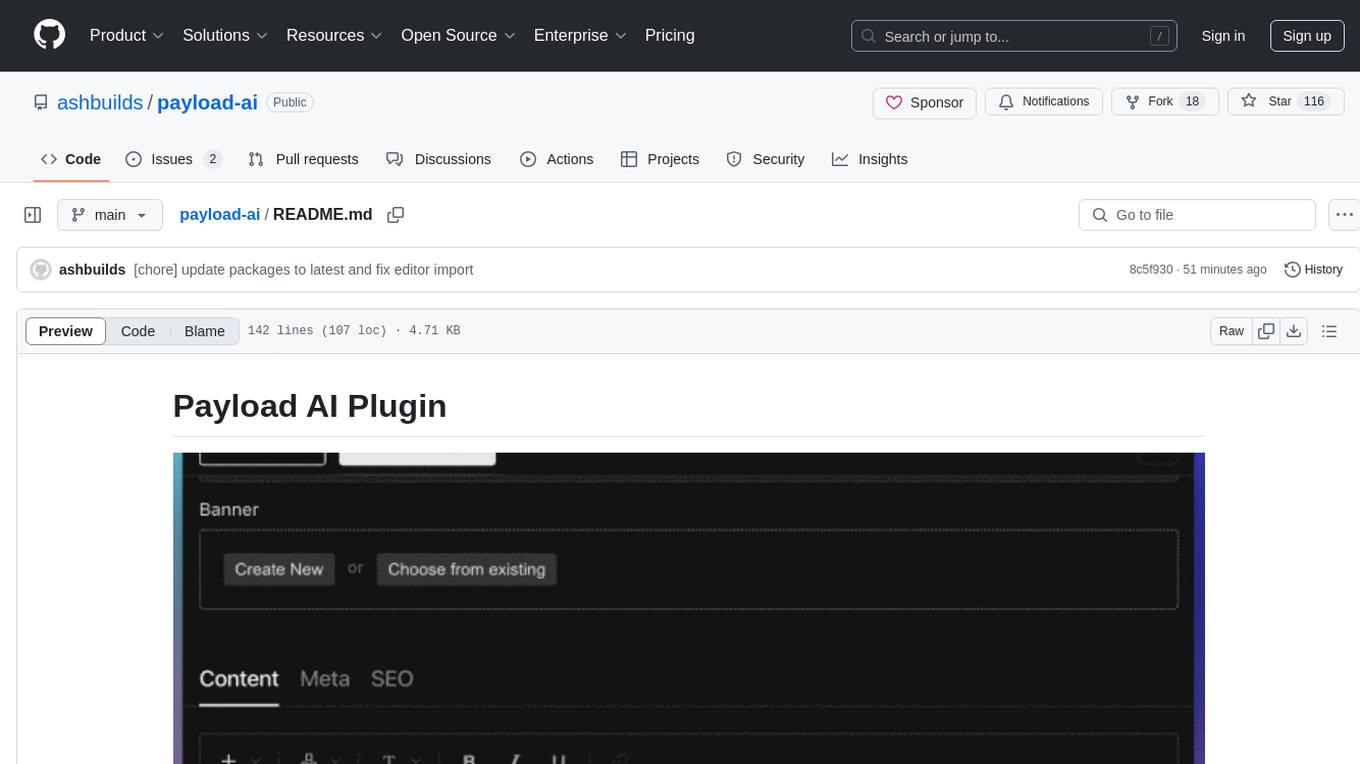
payload-ai
The Payload AI Plugin is an advanced extension that integrates modern AI capabilities into your Payload CMS, streamlining content creation and management. It offers features like text generation, voice and image generation, field-level prompt customization, prompt editor, document analyzer, fact checking, automated content workflows, internationalization support, editor AI suggestions, and AI chat support. Users can personalize and configure the plugin by setting environment variables. The plugin is actively developed and tested with Payload version v3.2.1, with regular updates expected.
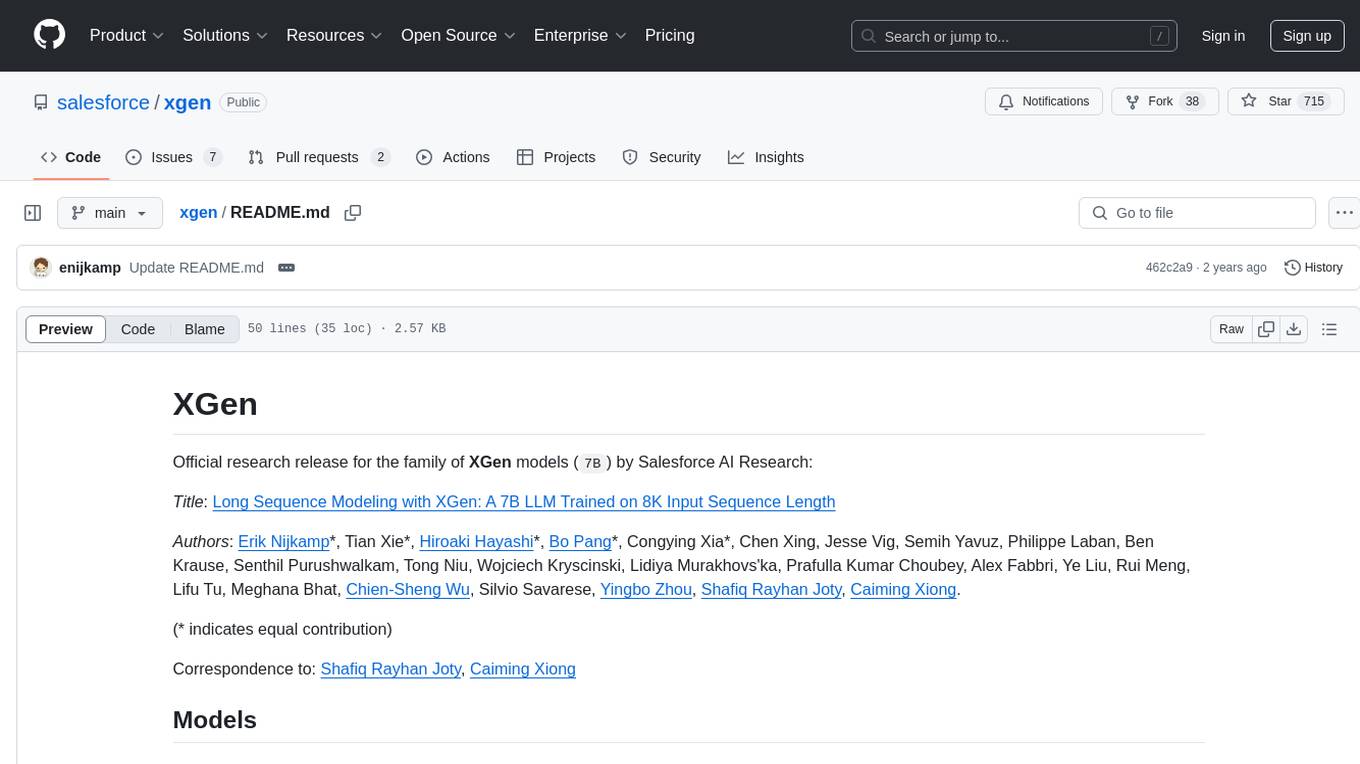
xgen
XGen is a research release for the family of XGen models (7B) by Salesforce AI Research. It includes models with support for different sequence lengths and tokenization using the OpenAI Tiktoken package. The models can be used for auto-regressive sampling in natural language generation tasks.
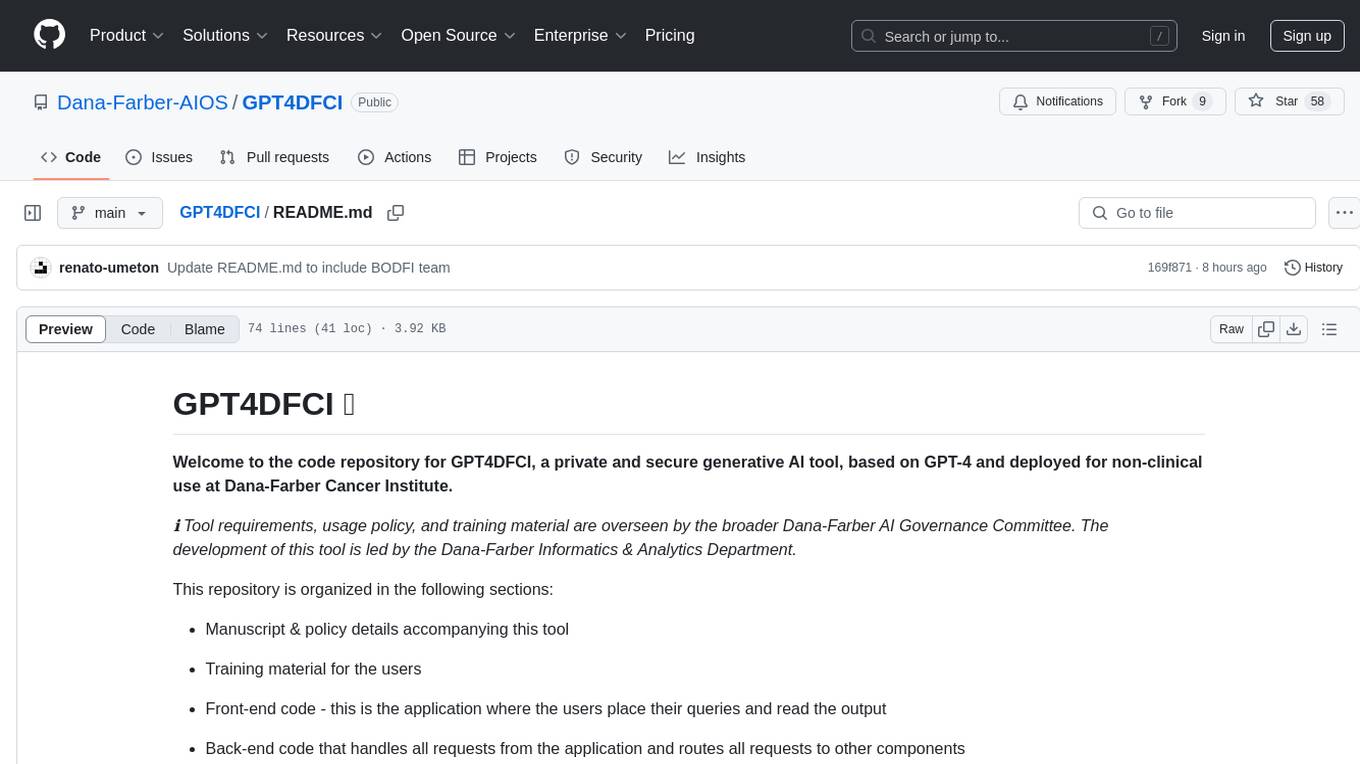
GPT4DFCI
GPT4DFCI is a private and secure generative AI tool based on GPT-4, deployed for non-clinical use at Dana-Farber Cancer Institute. The tool is overseen by the Dana-Farber AI Governance Committee and developed by the Dana-Farber Informatics & Analytics Department. The repository includes manuscript & policy details, training material, front-end and back-end code, infrastructure information, API client for programmatic use, licensing details, and contact information.
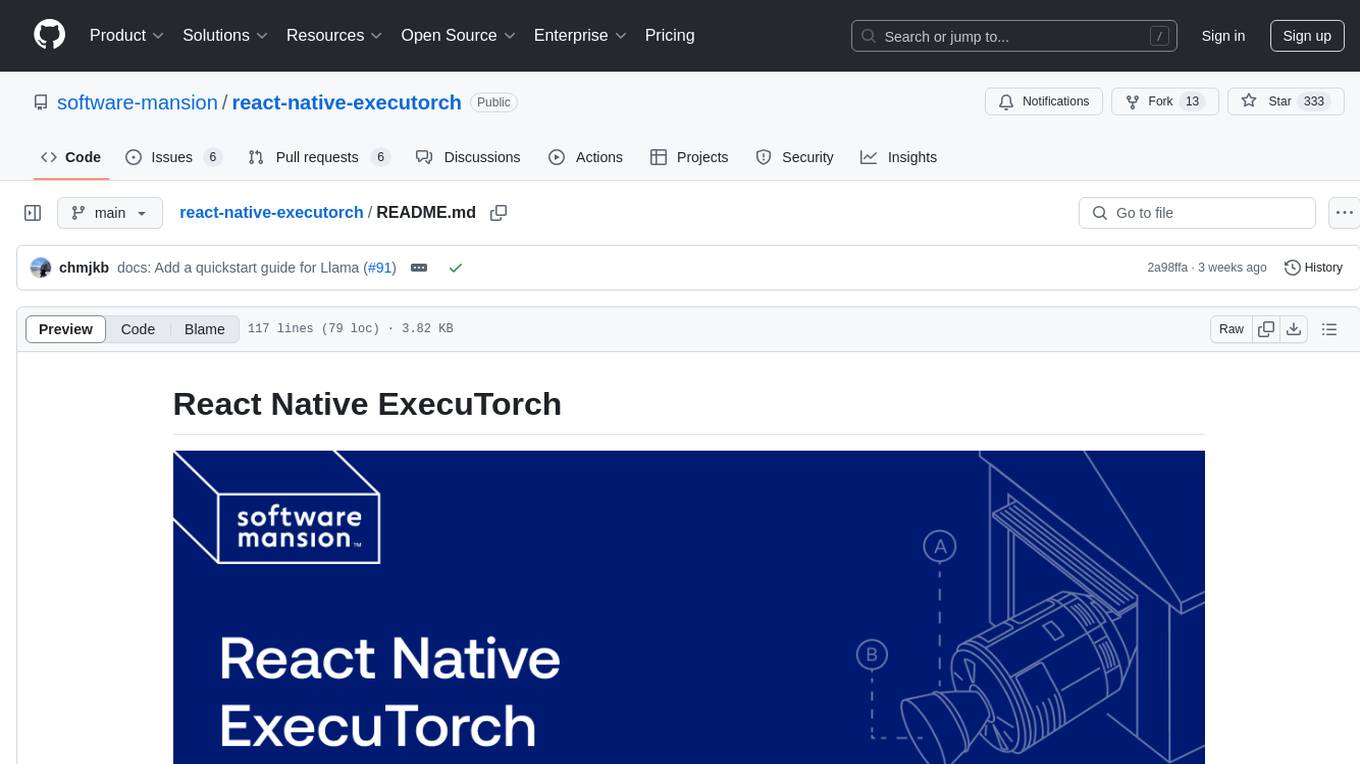
react-native-executorch
React Native ExecuTorch is a framework that allows developers to run AI models on mobile devices using React Native. It bridges the gap between React Native and native platform capabilities, providing high-performance AI model execution without requiring deep knowledge of native code or machine learning internals. The tool supports ready-made models in `.pte` format and offers a Python API for custom models. It is designed to simplify the integration of AI features into React Native apps.
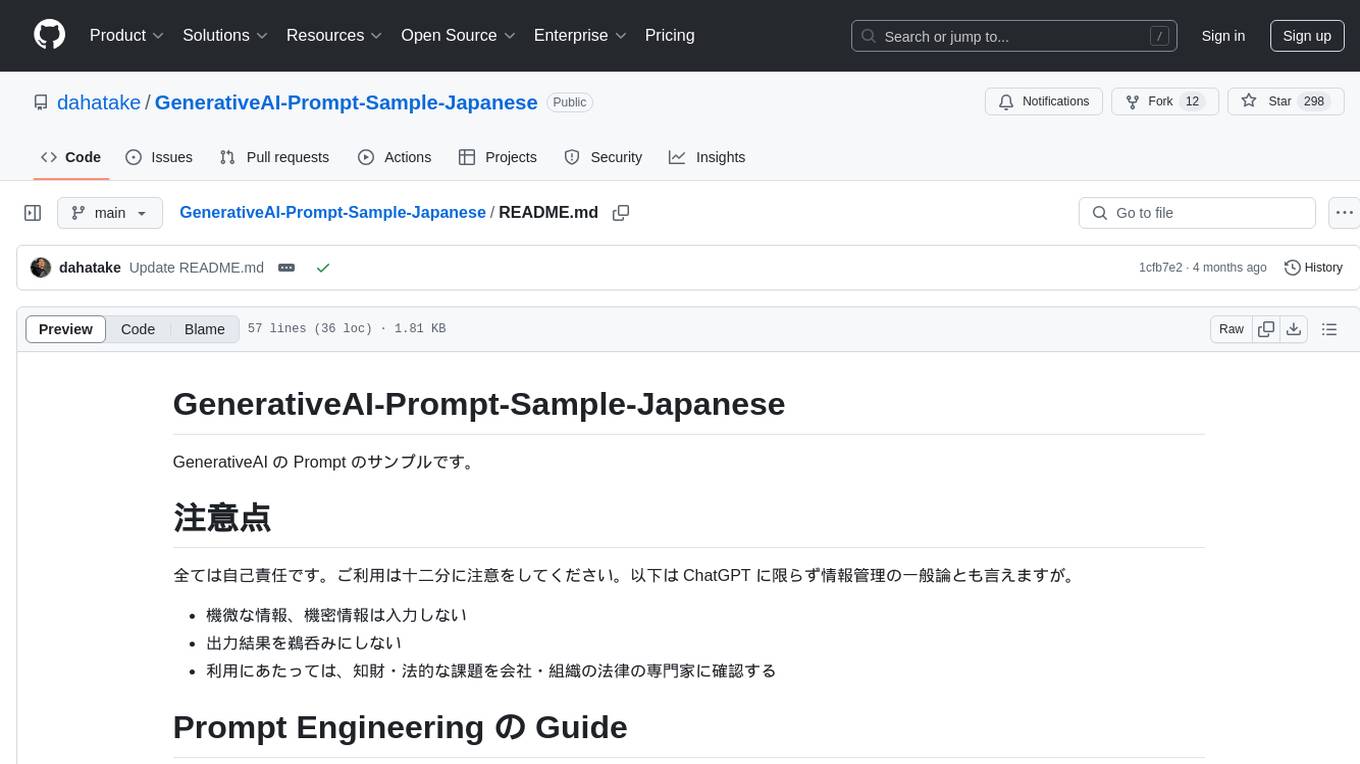
GenerativeAI-Prompt-Sample-Japanese
This repository provides sample prompts for GenerativeAI in Japanese. Users should exercise caution and not input sensitive information. The included tools are Microsoft Copilot, OpenAI, Azure OpenAI Service, and Prompt Engineering Basic. The repository also offers a guide for Prompt Engineering in Japanese, along with references to various Japanese examples of Prompt Engineering techniques.
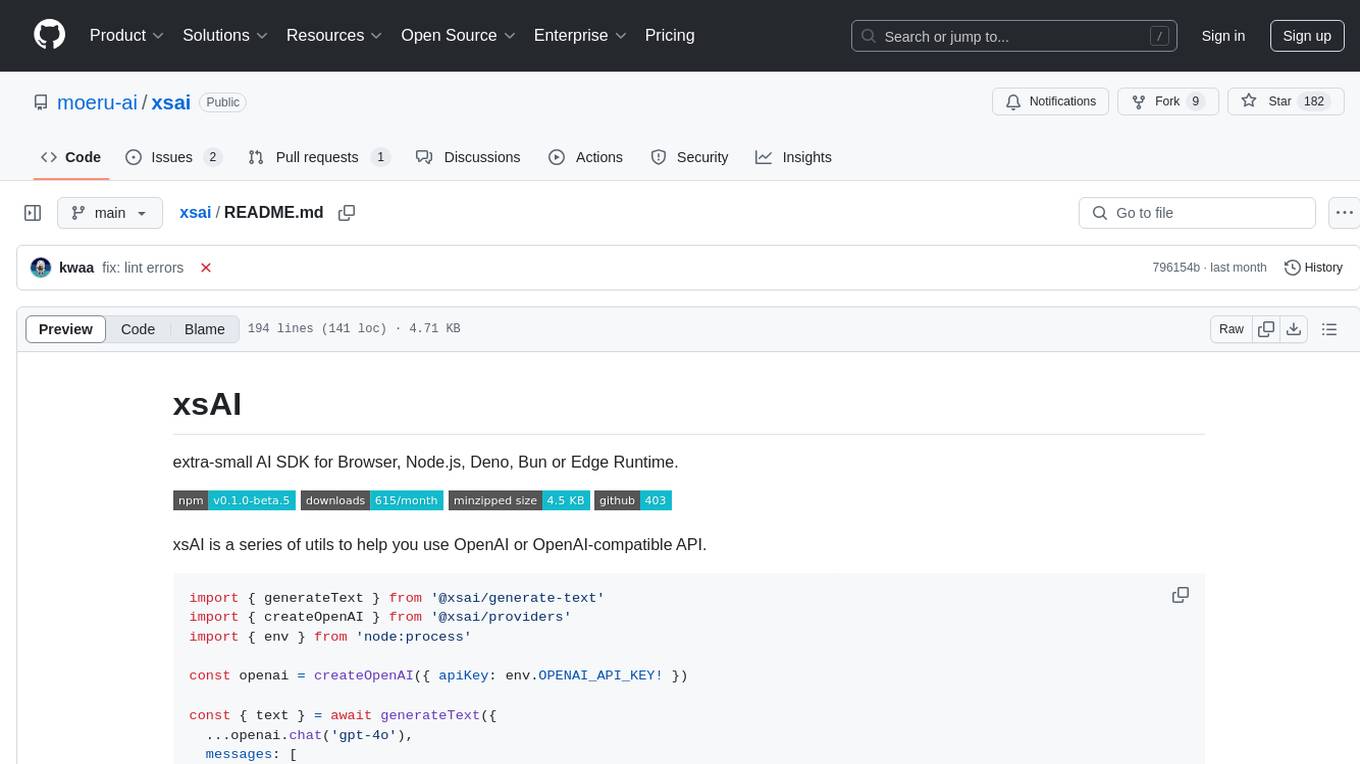
xsai
xsAI is an extra-small AI SDK designed for Browser, Node.js, Deno, Bun, or Edge Runtime. It provides a series of utils to help users utilize OpenAI or OpenAI-compatible APIs. The SDK is lightweight and efficient, using a variety of methods to minimize its size. It is runtime-agnostic, working seamlessly across different environments without depending on Node.js Built-in Modules. Users can easily install specific utils like generateText or streamText, and leverage tools like weather to perform tasks such as getting the weather in a location.
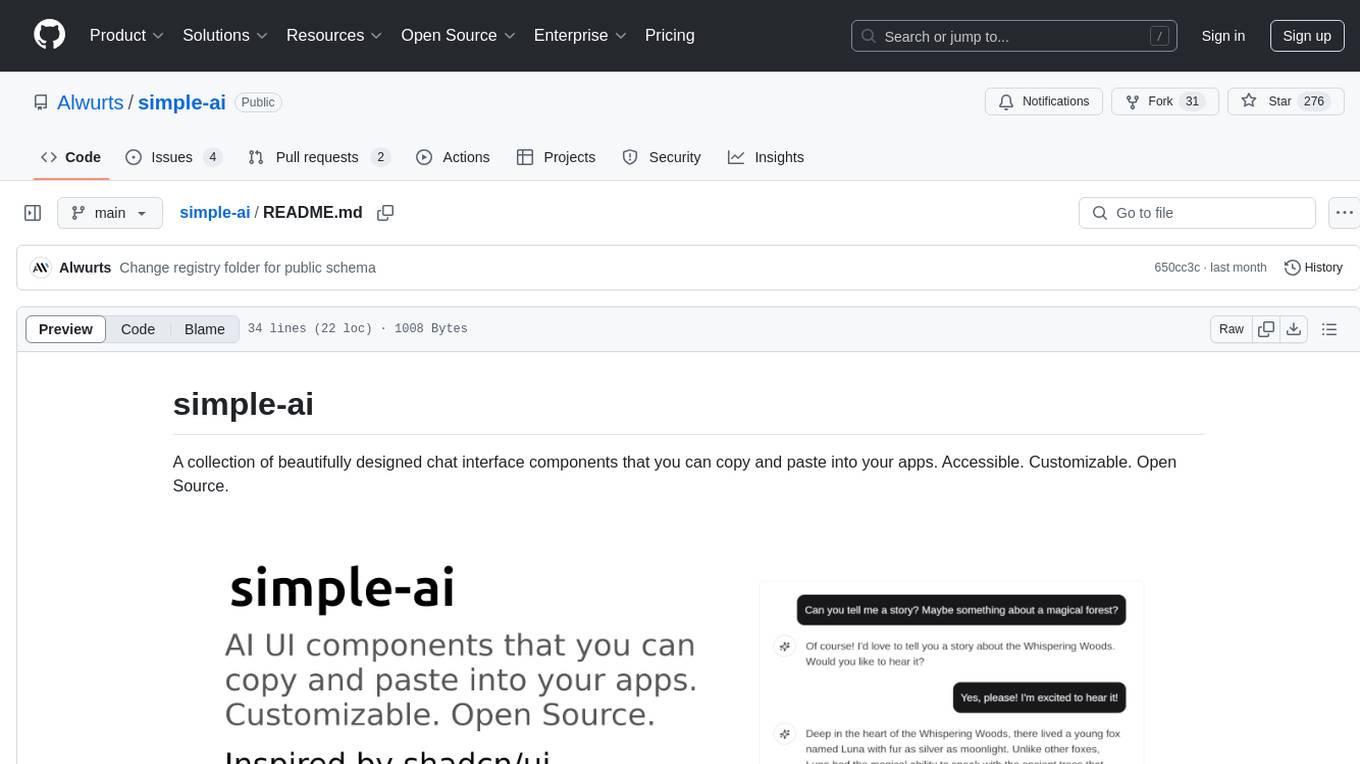
simple-ai
Simple AI is a lightweight Python library for implementing basic artificial intelligence algorithms. It provides easy-to-use functions and classes for tasks such as machine learning, natural language processing, and computer vision. With Simple AI, users can quickly prototype and deploy AI solutions without the complexity of larger frameworks.
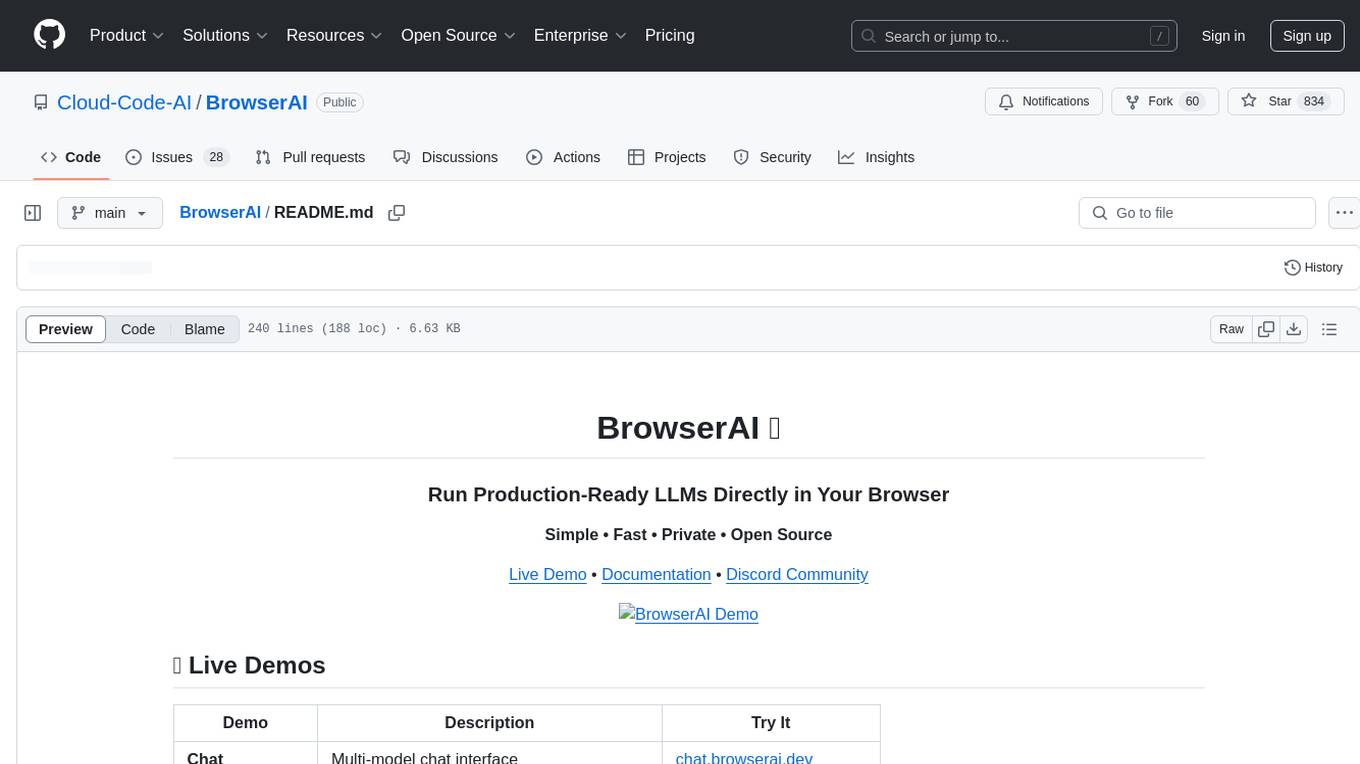
BrowserAI
BrowserAI is a production-ready tool that allows users to run AI models directly in the browser, offering simplicity, speed, privacy, and open-source capabilities. It provides WebGPU acceleration for fast inference, zero server costs, offline capability, and developer-friendly features. Perfect for web developers, companies seeking privacy-conscious AI solutions, researchers experimenting with browser-based AI, and hobbyists exploring AI without infrastructure overhead. The tool supports various AI tasks like text generation, speech recognition, and text-to-speech, with pre-configured popular models ready to use. It offers a simple SDK with multiple engine support and seamless switching between MLC and Transformers engines.
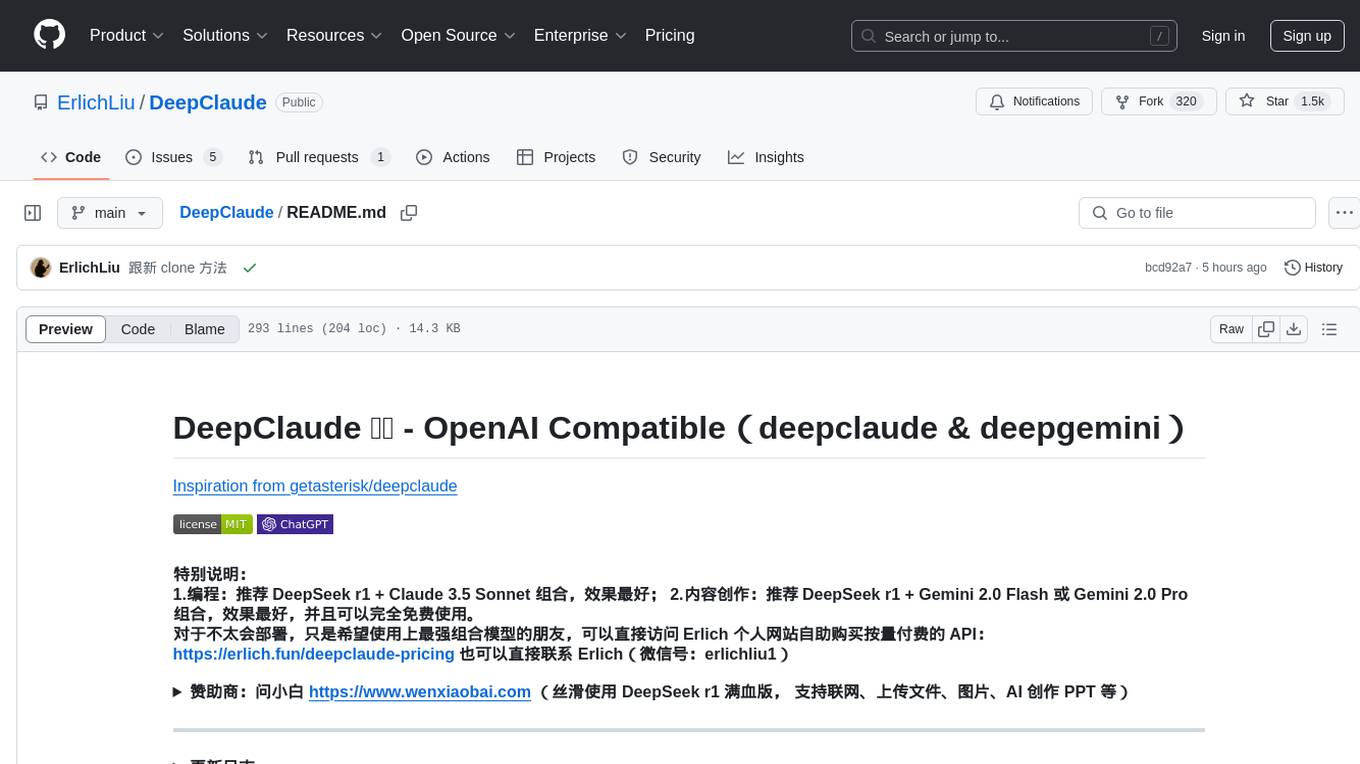
DeepClaude
DeepClaude is an open-source project inspired by the DeepSeek R1 model, aiming to provide the best results in various tasks by combining different models. It supports OpenAI-compatible input and output formats, integrates with DeepSeek and Claude APIs, and offers special support for other OpenAI-compatible models. Users can run the project locally or deploy it on a server to access a powerful language model service. The project also provides guidance on obtaining necessary APIs and running the project, including using Docker for deployment.
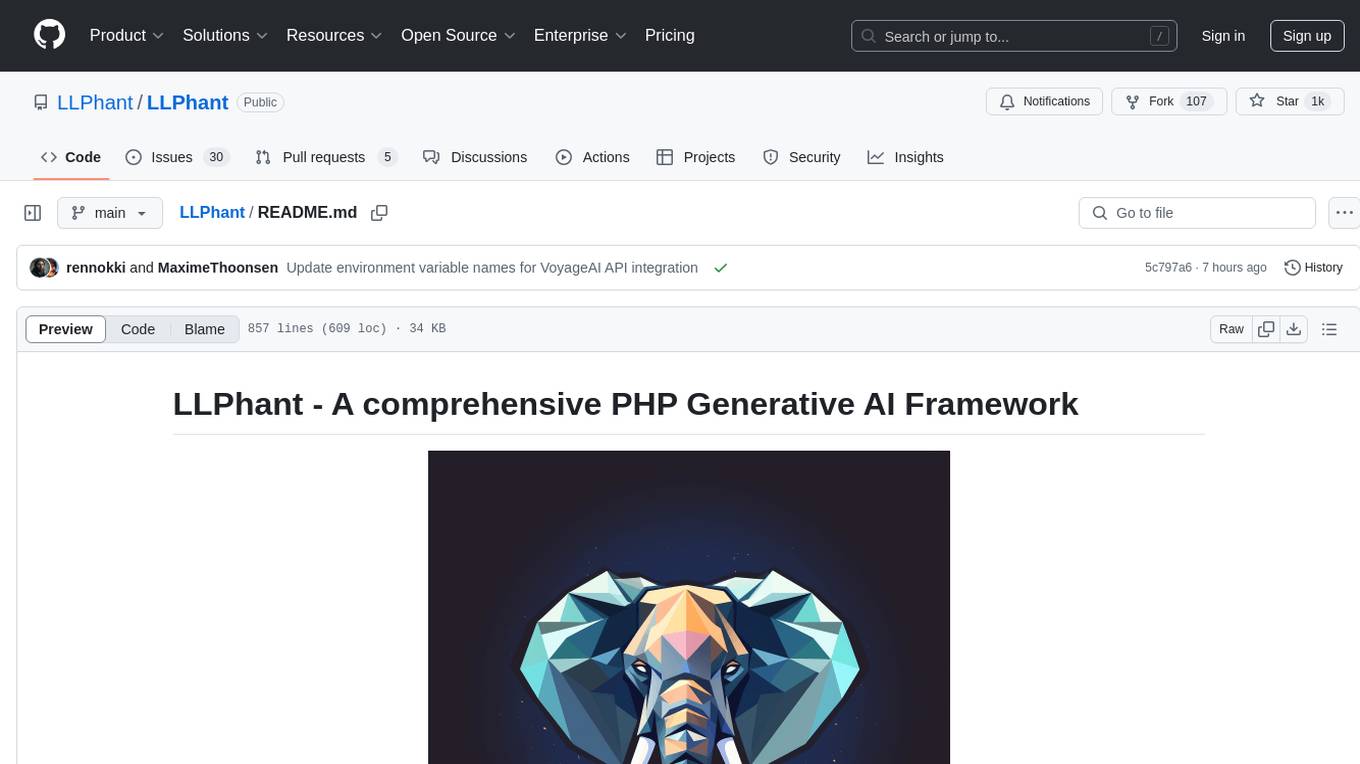
LLPhant
LLPhant is a comprehensive PHP Generative AI Framework designed to be simple yet powerful, compatible with Symfony and Laravel. It supports various LLMs like OpenAI, Anthropic, Mistral, Ollama, and services compatible with OpenAI API. The framework enables tasks such as semantic search, chatbots, personalized content creation, text summarization, personal shopper creation, autonomous AI agents, and coding tool assistance. It provides tools for generating text, images, speech-to-text transcription, and customizing system messages for question answering. LLPhant also offers features for embeddings, vector stores, document stores, and question answering with various query transformations and reranking techniques.
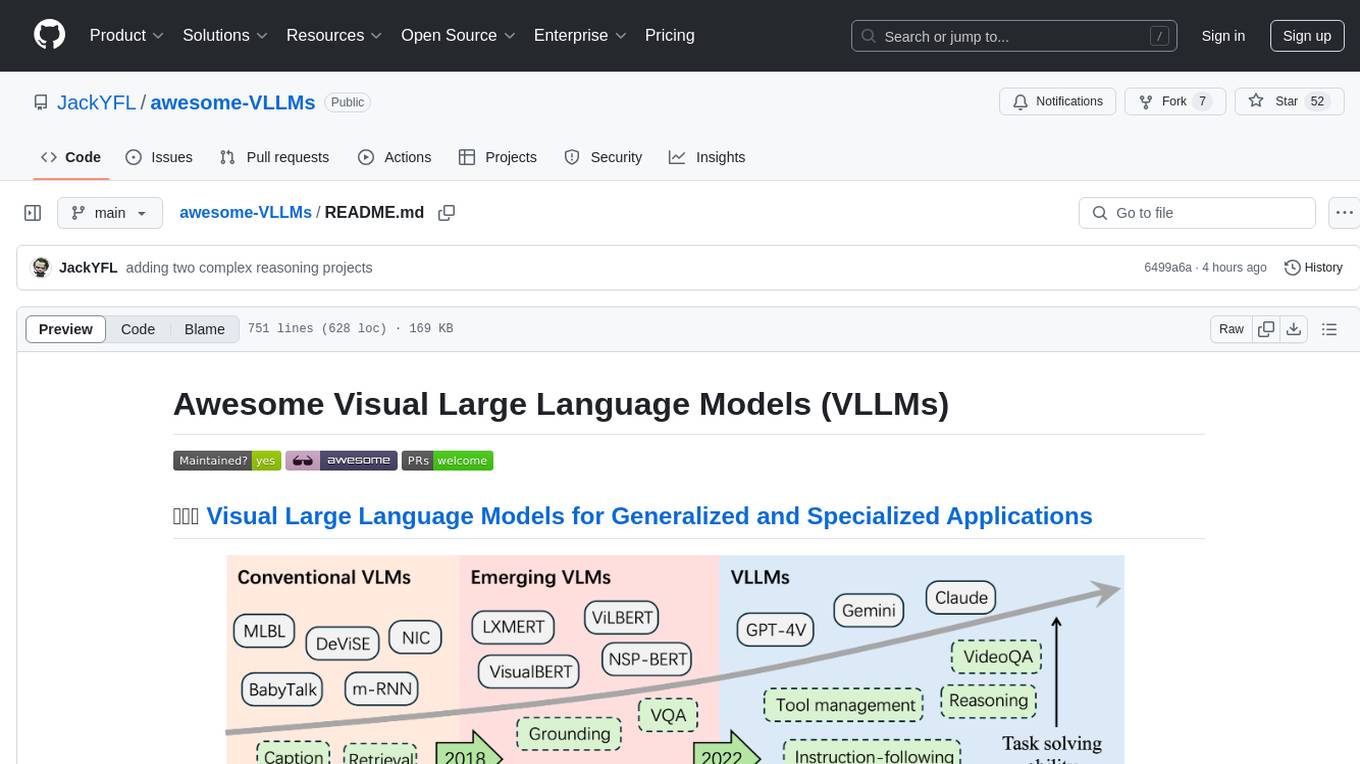
awesome-VLLMs
This repository contains a collection of pre-trained Very Large Language Models (VLLMs) that can be used for various natural language processing tasks. The models are fine-tuned on large text corpora and can be easily integrated into existing NLP pipelines for tasks such as text generation, sentiment analysis, and language translation. The repository also provides code examples and tutorials to help users get started with using these powerful language models in their projects.
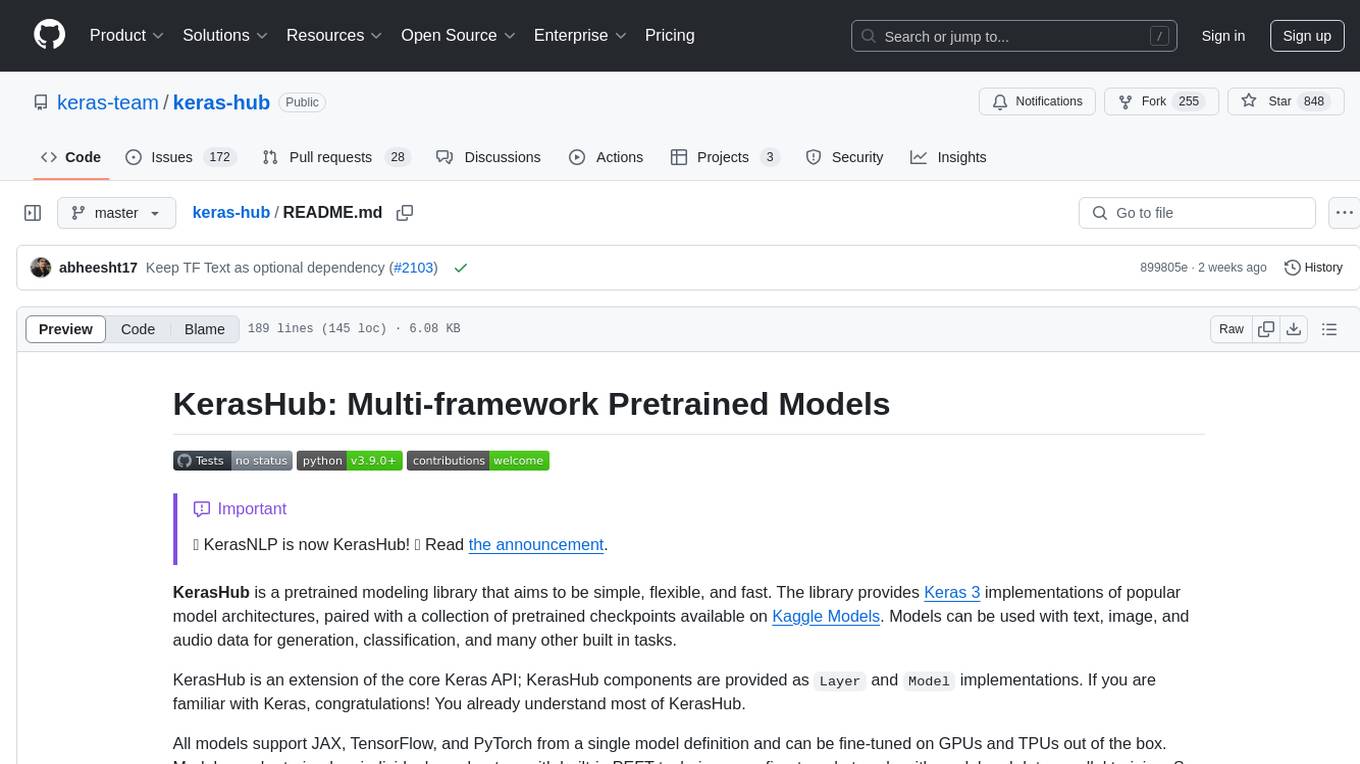
keras-hub
KerasHub is a pretrained modeling library that provides Keras 3 implementations of popular model architectures with pretrained checkpoints. It supports text, image, and audio data for generation, classification, and other tasks. Models are compatible with JAX, TensorFlow, and PyTorch, and can be fine-tuned on GPUs and TPUs. KerasHub components are provided as Layer and Model implementations, extending the core Keras API.
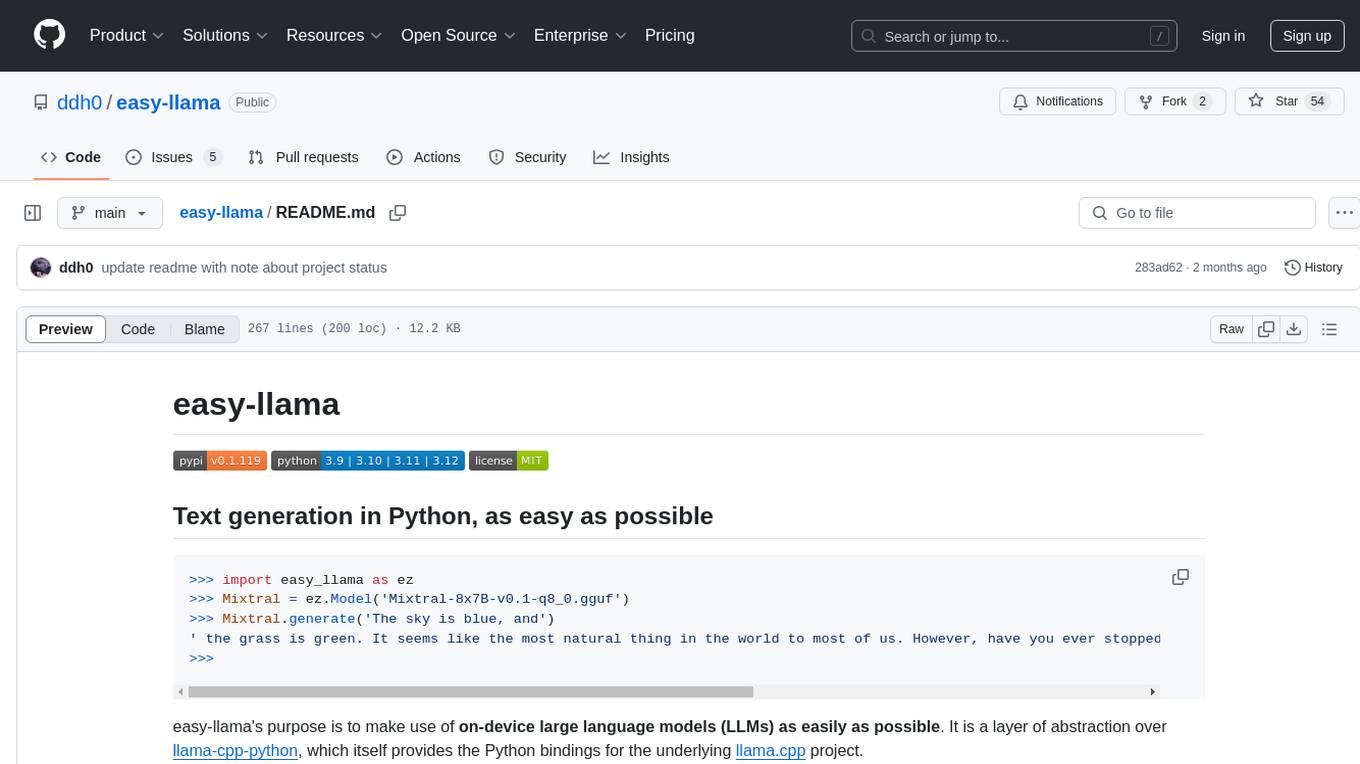
easy-llama
easy-llama is a Python tool designed to make text generation using on-device large language models (LLMs) as easy as possible. It provides an abstraction layer over llama-cpp-python, simplifying the process of utilizing language models. The tool offers features such as automatic context length adjustment, terminal-based interactive chat, programmatic multi-turn interaction, support for various prompt formats, message-based context length handling, retrieval of likely next tokens, and compatibility with multiple models supported by llama-cpp-python. The upcoming version 0.2.0 will remove the llama-cpp-python dependency for improved efficiency and maintainability.
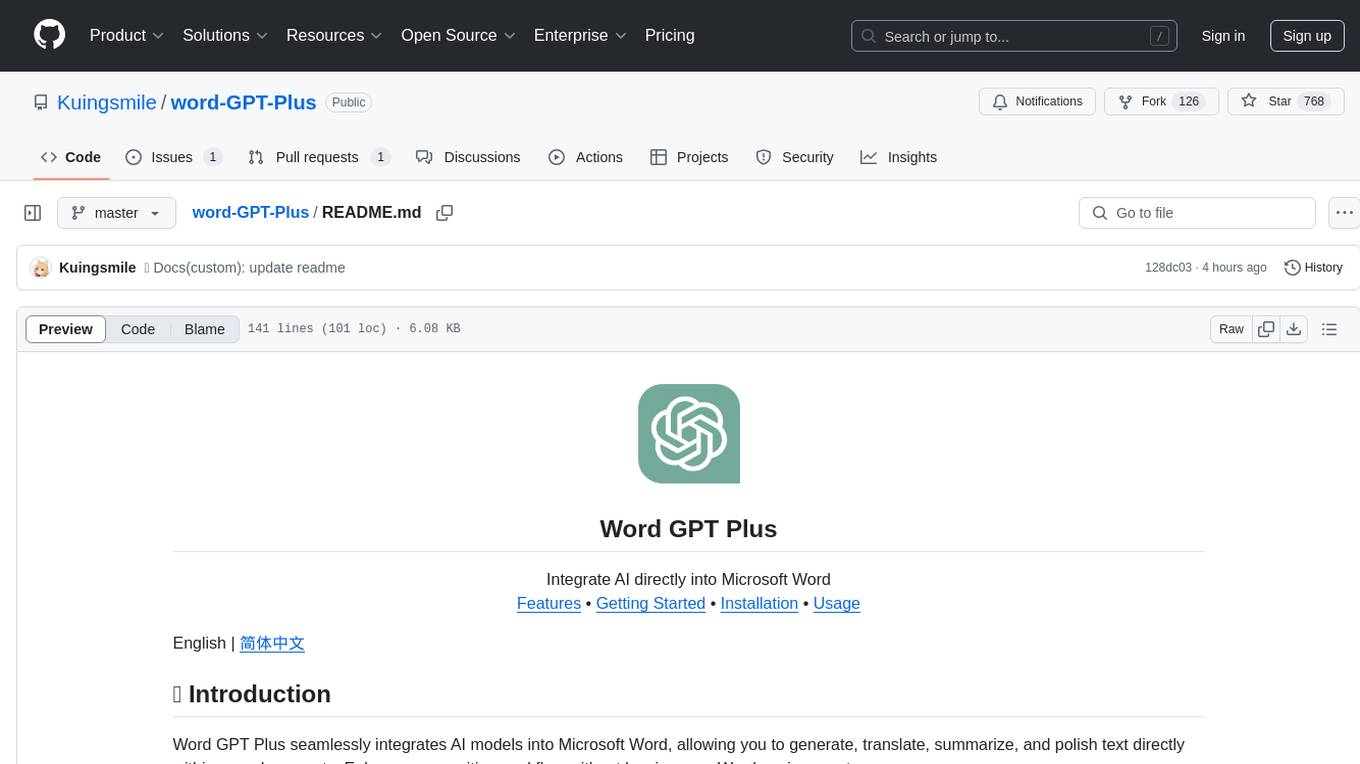
word-GPT-Plus
Word GPT Plus seamlessly integrates AI models into Microsoft Word, allowing users to generate, translate, summarize, and polish text directly within their documents. The tool supports multiple AI models, offers built-in templates for various text-related tasks, and provides customization options for user preferences. Users can install the tool through a hosted service, Docker deployment, or self-hosting, and can easily fill in API keys to access different AI services. Word GPT Plus enhances writing workflows by providing AI-powered assistance without leaving the Word environment.

aitour-interact-with-llms
This repository is for the AI Tour workshop: Interacting with Multimodal models in Azure AI Foundry. The workshop provides a hands-on introduction to core concepts and best practices for interacting with OpenAI models in Azure AI Foundry portal. Participants can innovate with Azure OpenAI's GPT-4o multimodal model to generate text, sound, and images using GPT-4o-mini, DALL-E, and GPT-4o-realtime. The workshop also covers creating AI Agents to enhance user experiences and drive innovation. It includes instructions, resources for continued learning, and information on responsible AI practices.
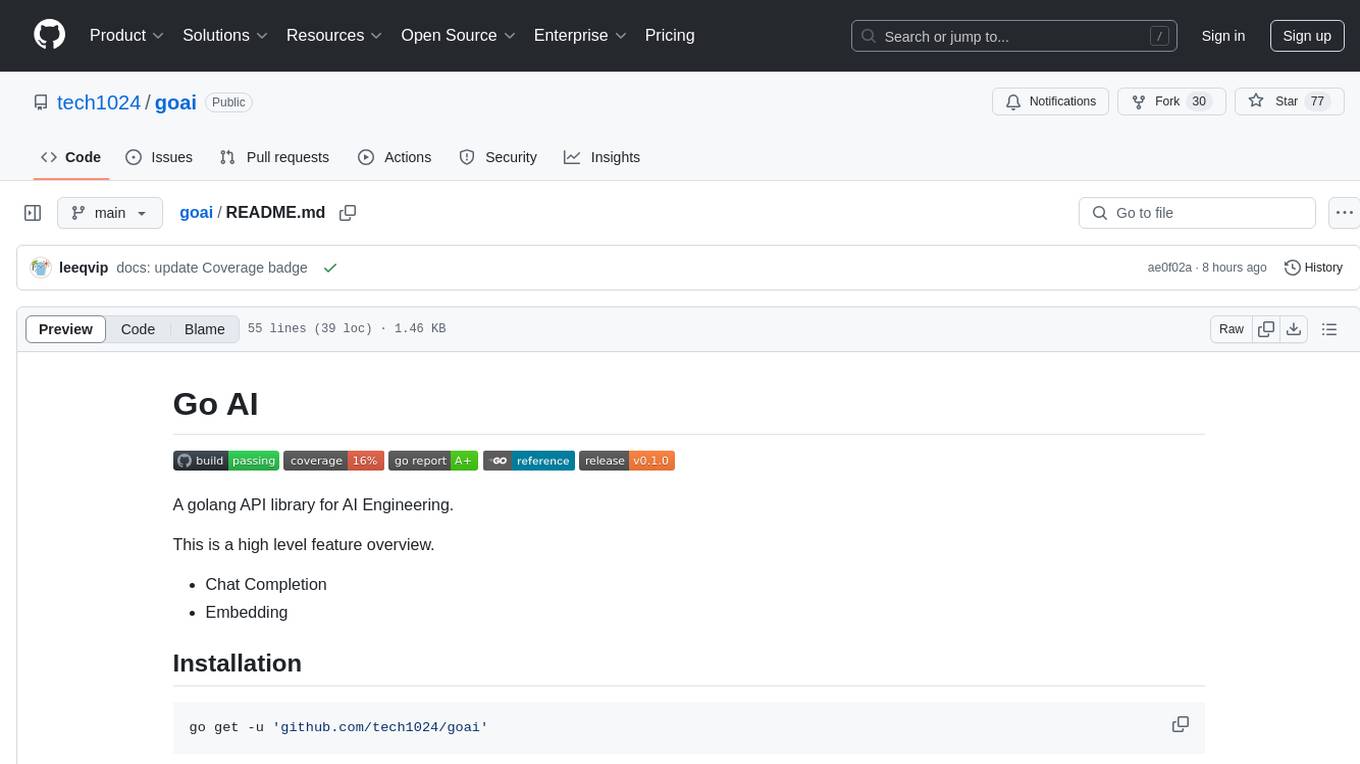
goai
Go AI is a golang API library for AI Engineering, providing high level features like Chat Completion and Embedding. It allows users to interact with AI models for various tasks such as text generation and analysis. The library simplifies the process of integrating AI capabilities into Go applications, making it easier for developers to leverage AI technologies in their projects.
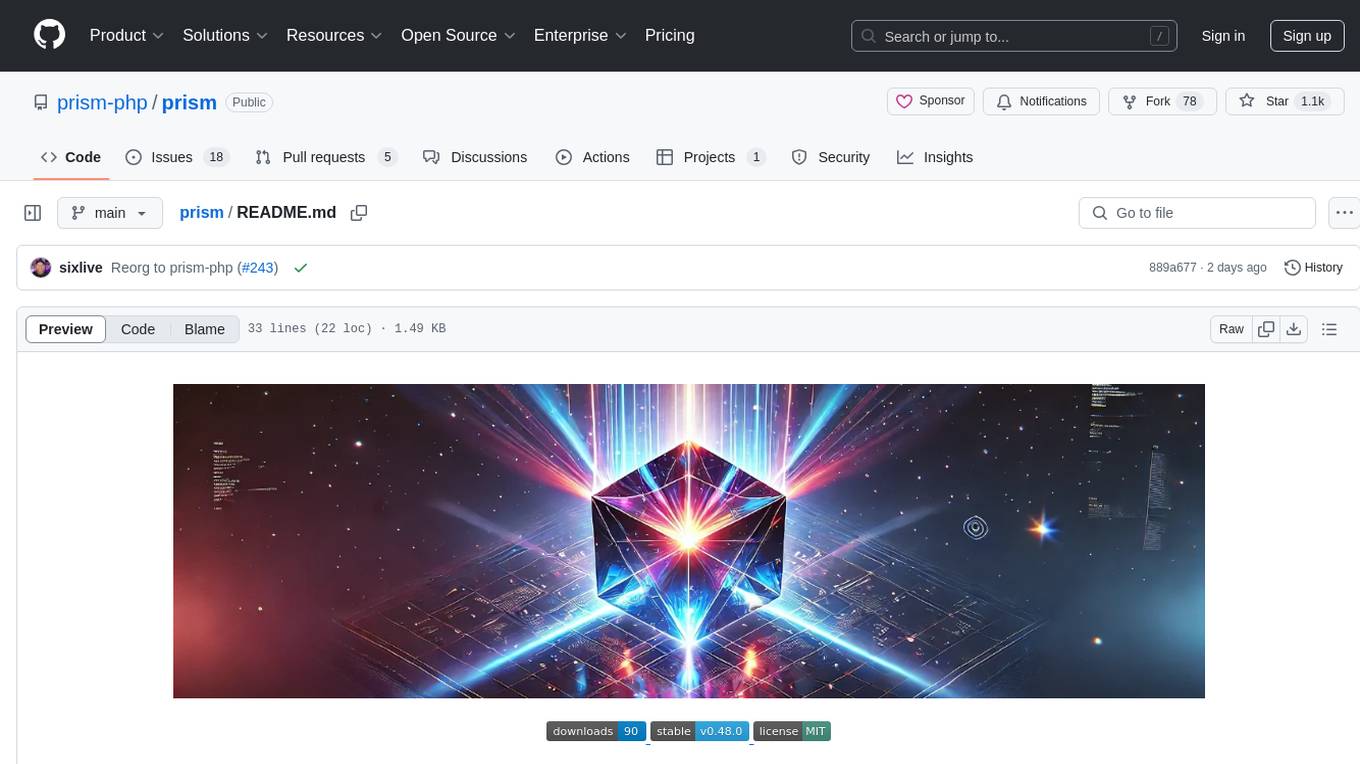
prism
Prism is a Laravel package that simplifies the integration of Large Language Models (LLMs) into applications. It offers a user-friendly interface for text generation, managing multi-step conversations, and leveraging AI tools from different providers. With Prism, developers can focus on creating exceptional AI applications without being bogged down by technical complexities.
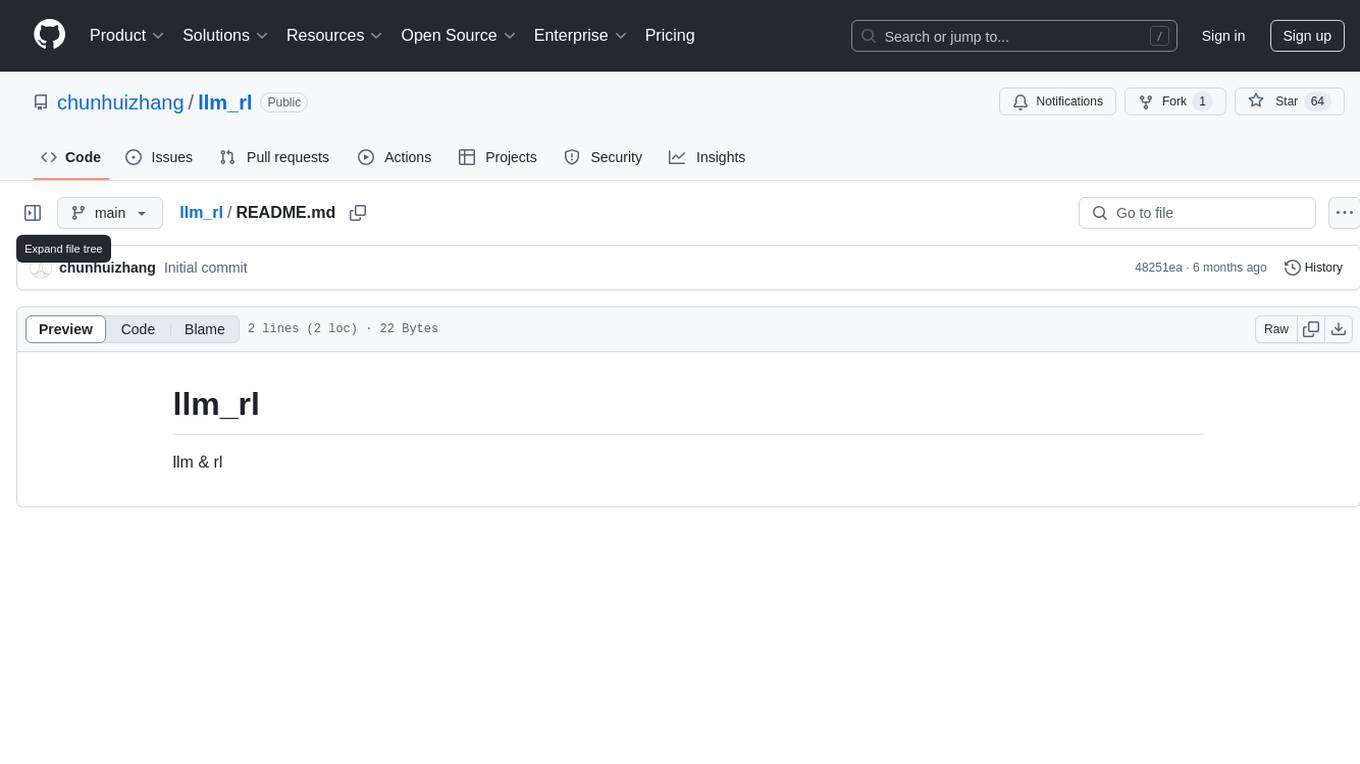
llm_rl
llm_rl is a repository that combines llm (language model) and rl (reinforcement learning) techniques. It likely focuses on using language models in reinforcement learning tasks, such as natural language understanding and generation. The repository may contain implementations of algorithms that leverage both llm and rl to improve performance in various tasks. Developers interested in exploring the intersection of language models and reinforcement learning may find this repository useful for research and experimentation.
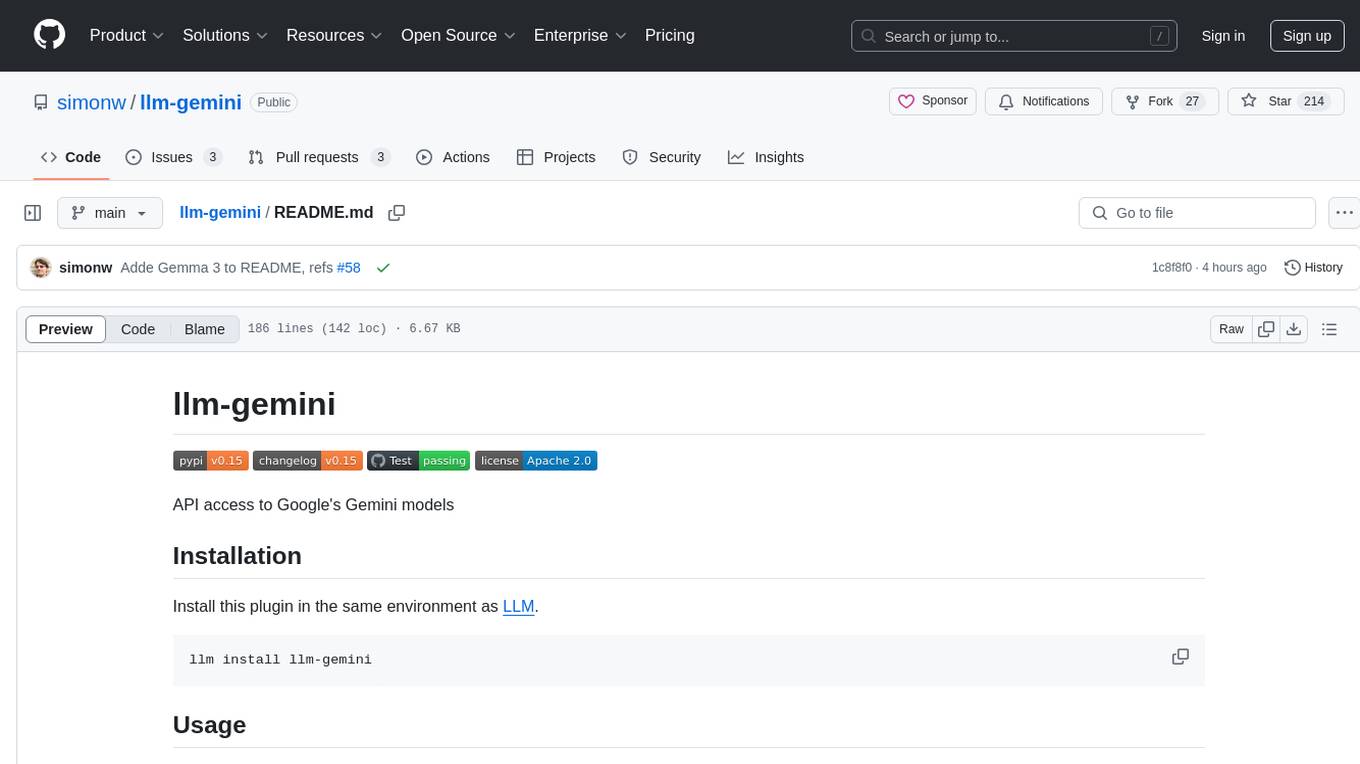
llm-gemini
llm-gemini is a plugin that provides API access to Google's Gemini models. It allows users to configure and run various Gemini models for tasks such as generating text, processing images, transcribing audio, and executing code. The plugin supports multi-modal inputs including images, audio, and video, and can output JSON objects. Additionally, it enables chat interactions with the model and supports different embedding models for text processing. Users can also run similarity searches on embedded data. The plugin is designed to work in conjunction with LLM and offers extensive documentation for development and usage.
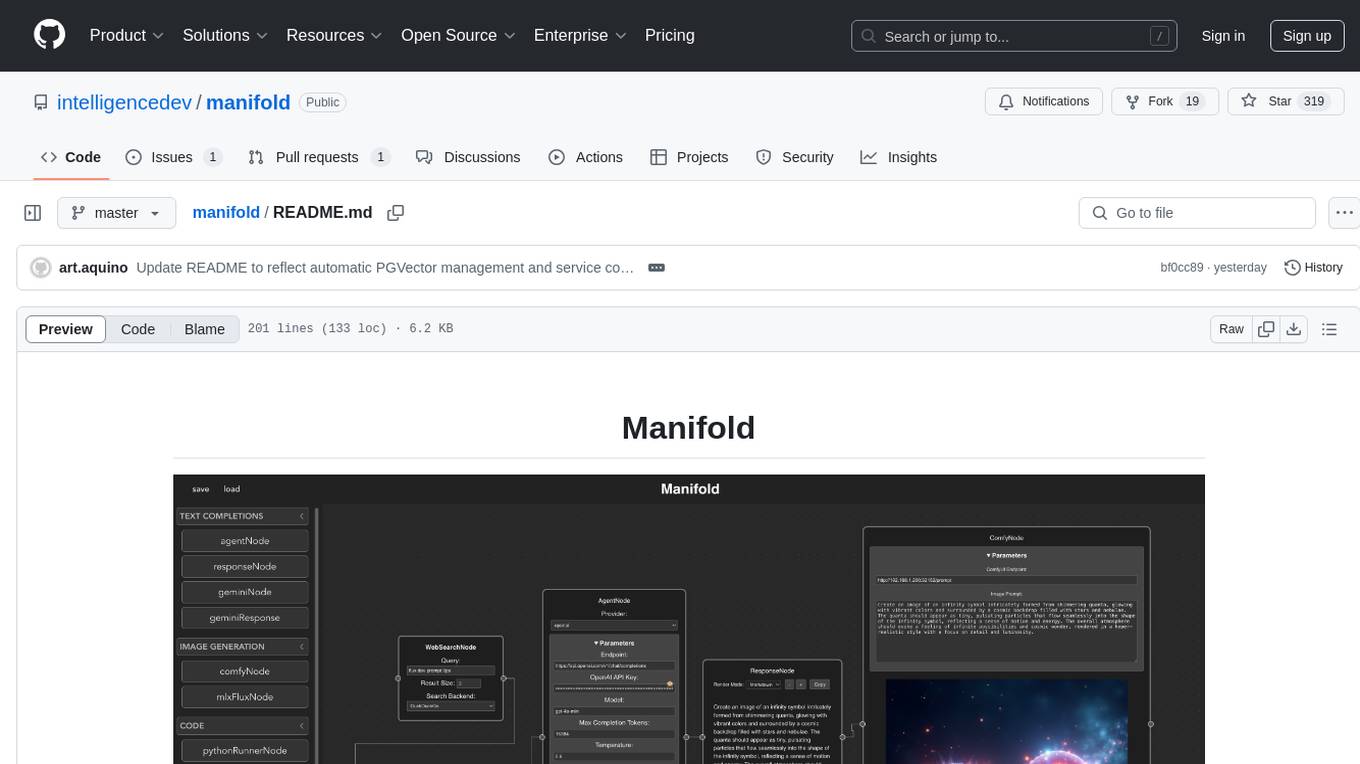
manifold
Manifold is a powerful platform for workflow automation using AI models. It supports text generation, image generation, and retrieval-augmented generation, integrating seamlessly with popular AI endpoints. Additionally, Manifold provides robust semantic search capabilities using PGVector combined with the SEFII engine. It is under active development and not production-ready.
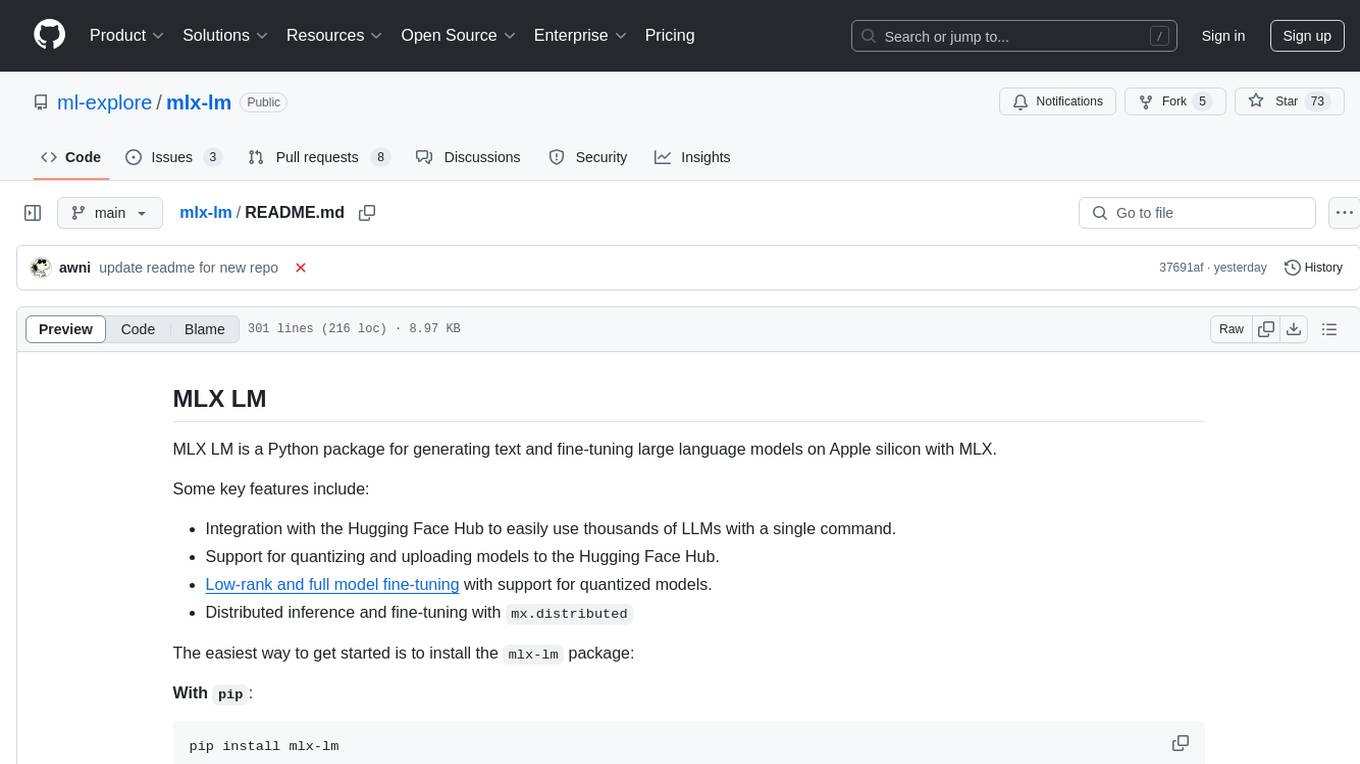
mlx-lm
MLX LM is a Python package designed for generating text and fine-tuning large language models on Apple silicon using MLX. It offers integration with the Hugging Face Hub for easy access to thousands of LLMs, support for quantizing and uploading models to the Hub, low-rank and full model fine-tuning capabilities, and distributed inference and fine-tuning with `mx.distributed`. Users can interact with the package through command line options or the Python API, enabling tasks such as text generation, chatting with language models, model conversion, streaming generation, and sampling. MLX LM supports various Hugging Face models and provides tools for efficient scaling to long prompts and generations, including a rotating key-value cache and prompt caching. It requires macOS 15.0 or higher for optimal performance.
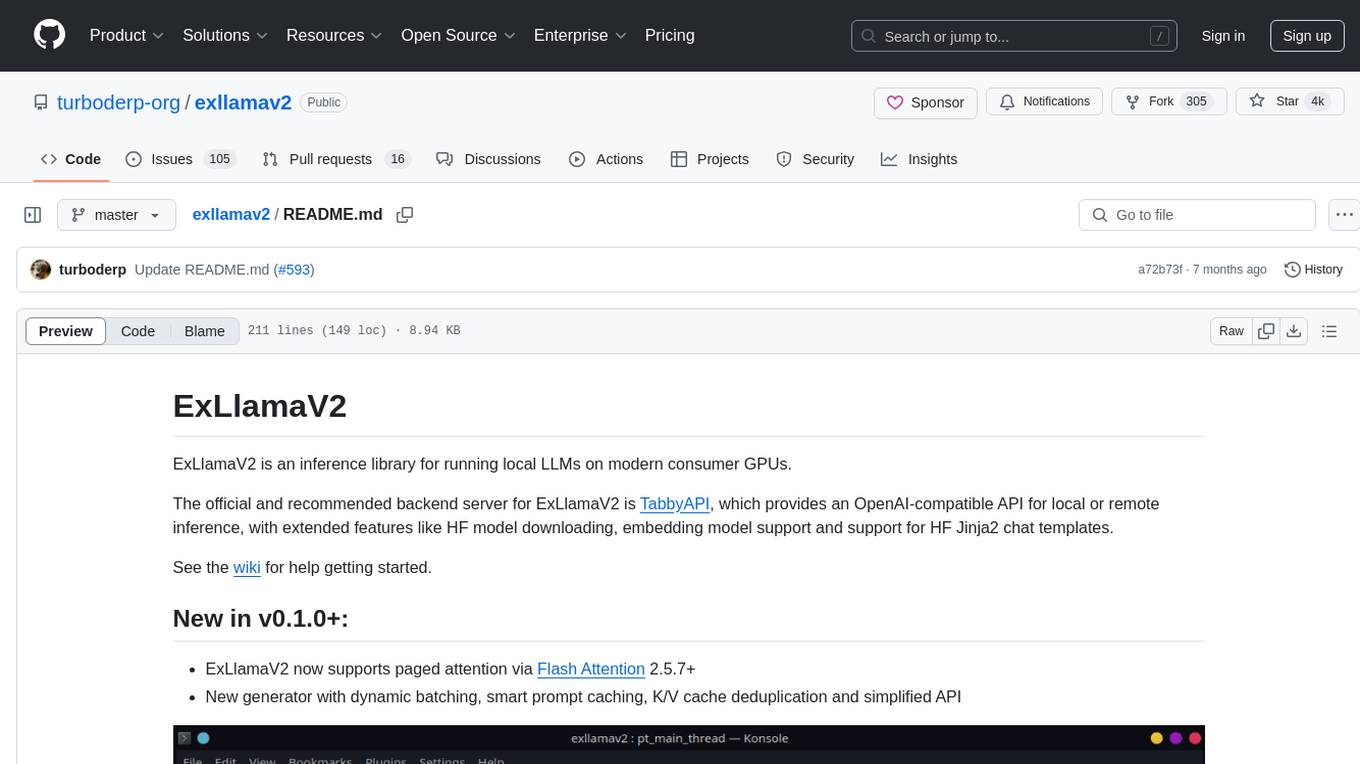
exllamav2
ExLlamaV2 is an inference library designed for running local LLMs on modern consumer GPUs. The library supports paged attention via Flash Attention 2.5.7+, offers a new dynamic generator with features like dynamic batching, smart prompt caching, and K/V cache deduplication. It also provides an API for local or remote inference using TabbyAPI, with extended features like HF model downloading and support for HF Jinja2 chat templates. ExLlamaV2 aims to optimize performance and speed across different GPU models, with potential future optimizations and variations in speeds. The tool can be integrated with TabbyAPI for OpenAI-style web API compatibility and supports a standalone web UI called ExUI for single-user interaction with chat and notebook modes. ExLlamaV2 also offers support for text-generation-webui and lollms-webui through specific loaders and bindings.
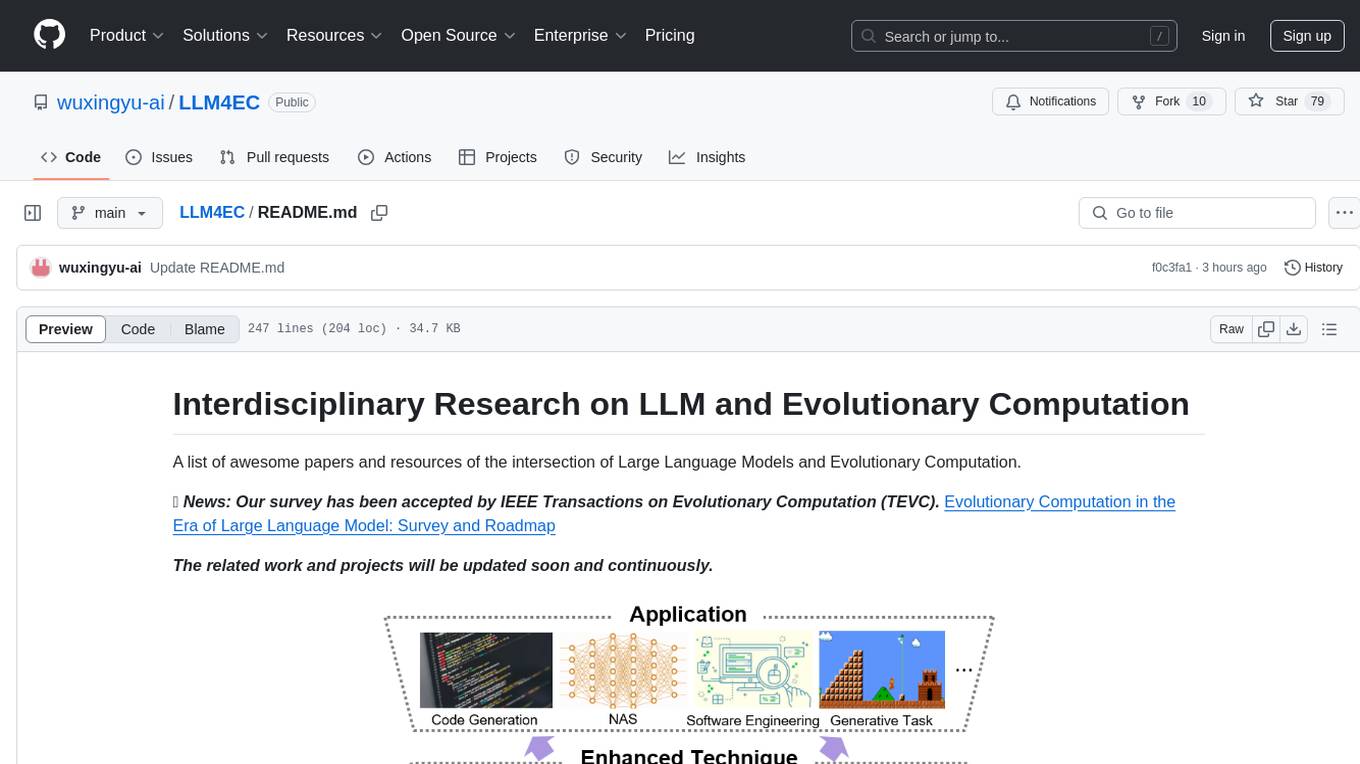
LLM4EC
LLM4EC is an interdisciplinary research repository focusing on the intersection of Large Language Models (LLM) and Evolutionary Computation (EC). It provides a comprehensive collection of papers and resources exploring various applications, enhancements, and synergies between LLM and EC. The repository covers topics such as LLM-assisted optimization, EA-based LLM architecture search, and applications in code generation, software engineering, neural architecture search, and other generative tasks. The goal is to facilitate research and development in leveraging LLM and EC for innovative solutions in diverse domains.
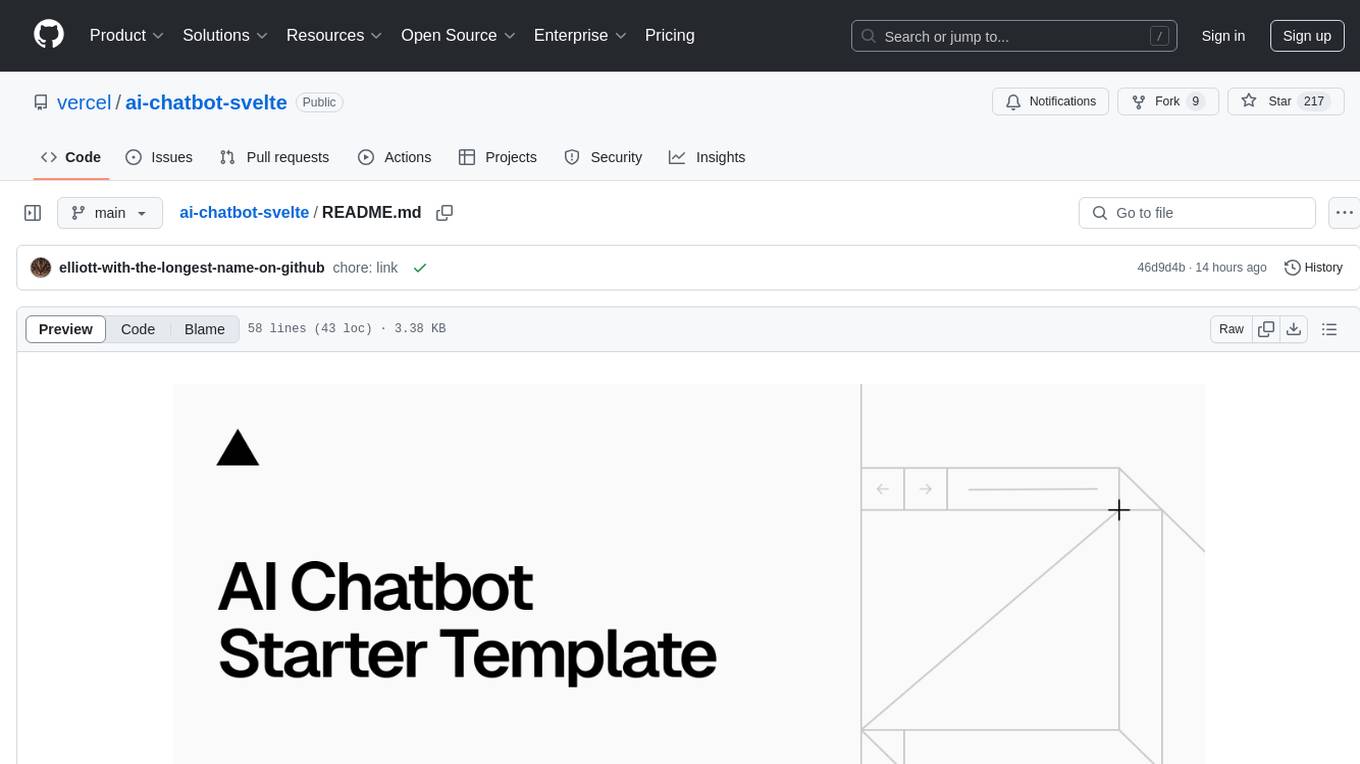
ai-chatbot-svelte
SvelteKit AI Chatbot is an open-source template built with SvelteKit and the AI SDK by Vercel. It provides a unified API for generating text, structured objects, and tool calls with LLMs. The template includes hooks for building dynamic chat and generative user interfaces, supports various model providers, and offers styling with Tailwind CSS. Data persistence is ensured with Vercel Postgres and Blob for saving chat history and user data. Users can easily deploy their own version of the chatbot to Vercel with one click and run it locally using the provided environment variables.
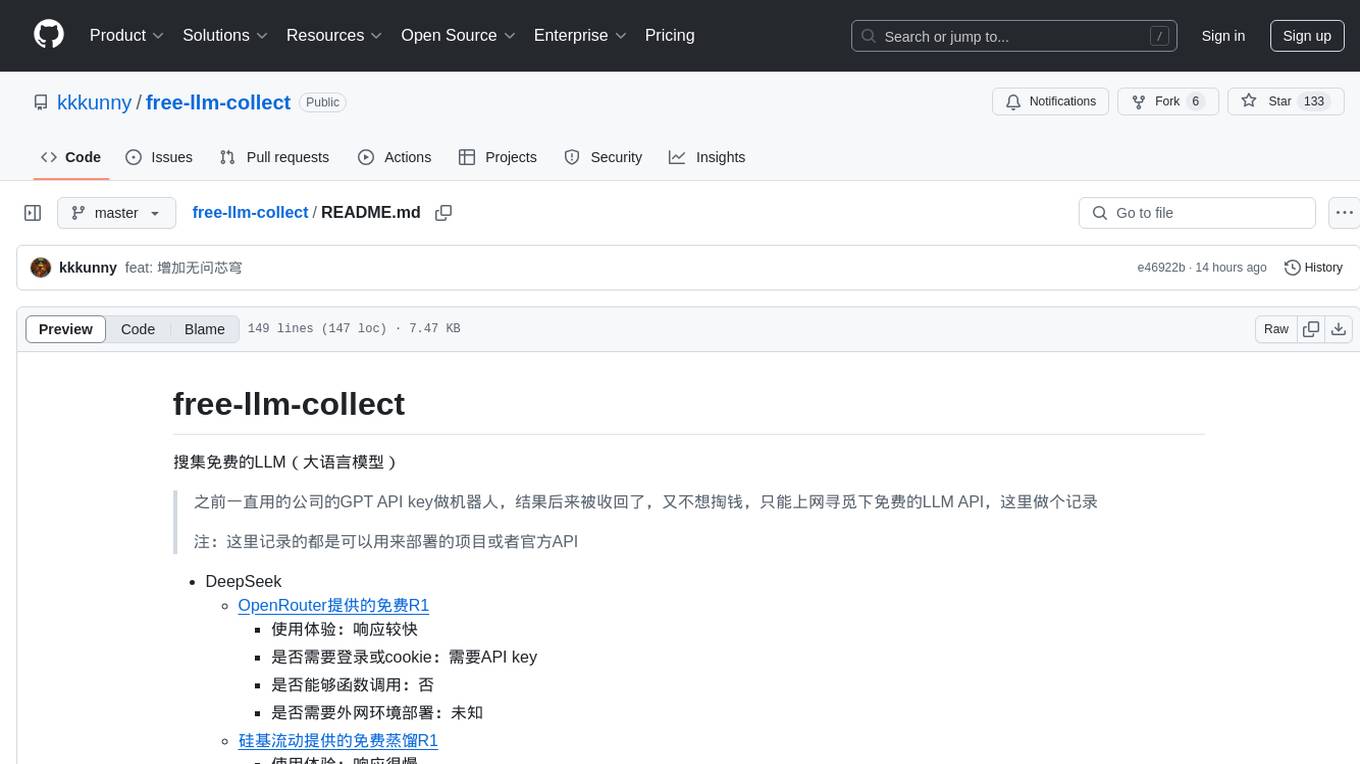
free-llm-collect
This repository is a collection of free large language models (LLMs) that can be used for various natural language processing tasks. It includes information on different free LLM APIs and projects that can be deployed without cost. Users can find details on the performance, login requirements, function calling capabilities, and deployment environments of each listed LLM source.
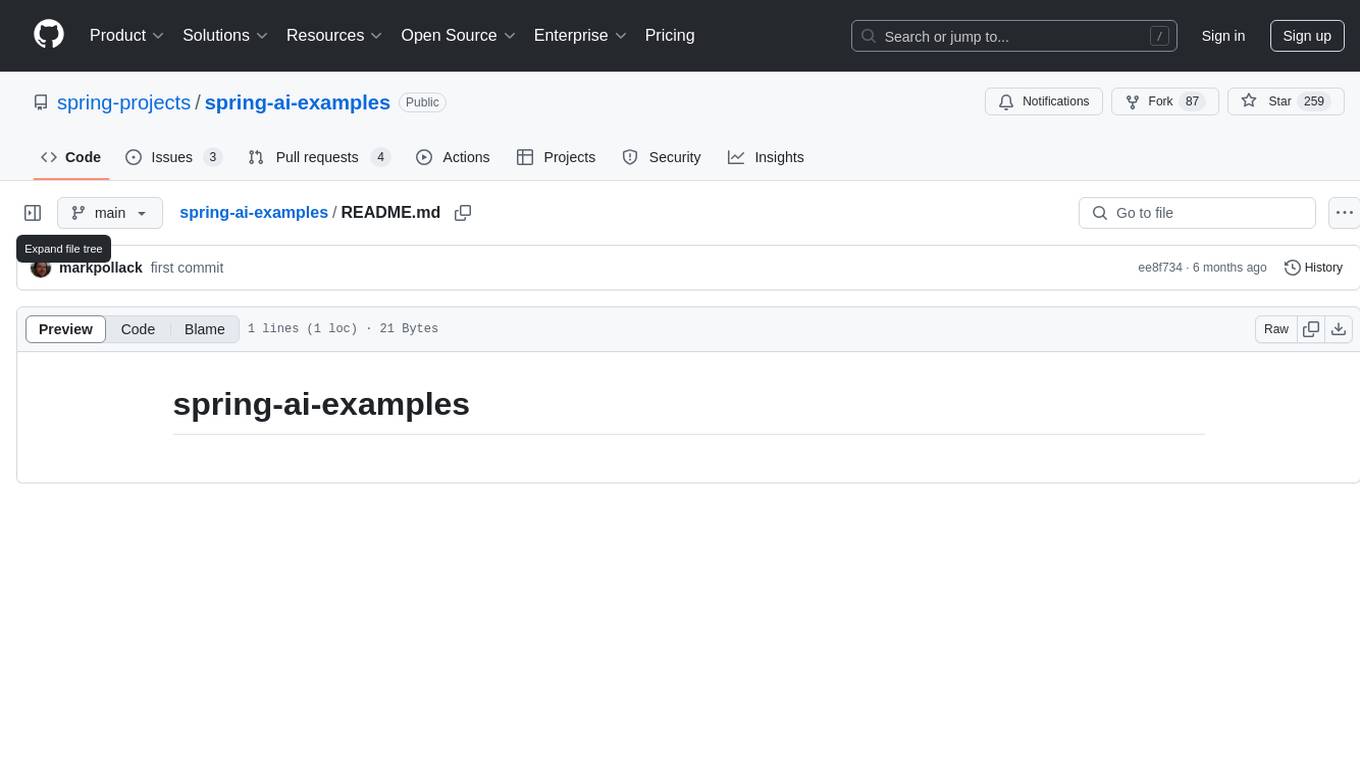
spring-ai-examples
Spring AI Examples is a repository containing various examples of integrating artificial intelligence capabilities into Spring applications. The examples cover a wide range of AI technologies such as machine learning, natural language processing, computer vision, and more. These examples serve as a practical guide for developers looking to incorporate AI functionalities into their Spring projects.
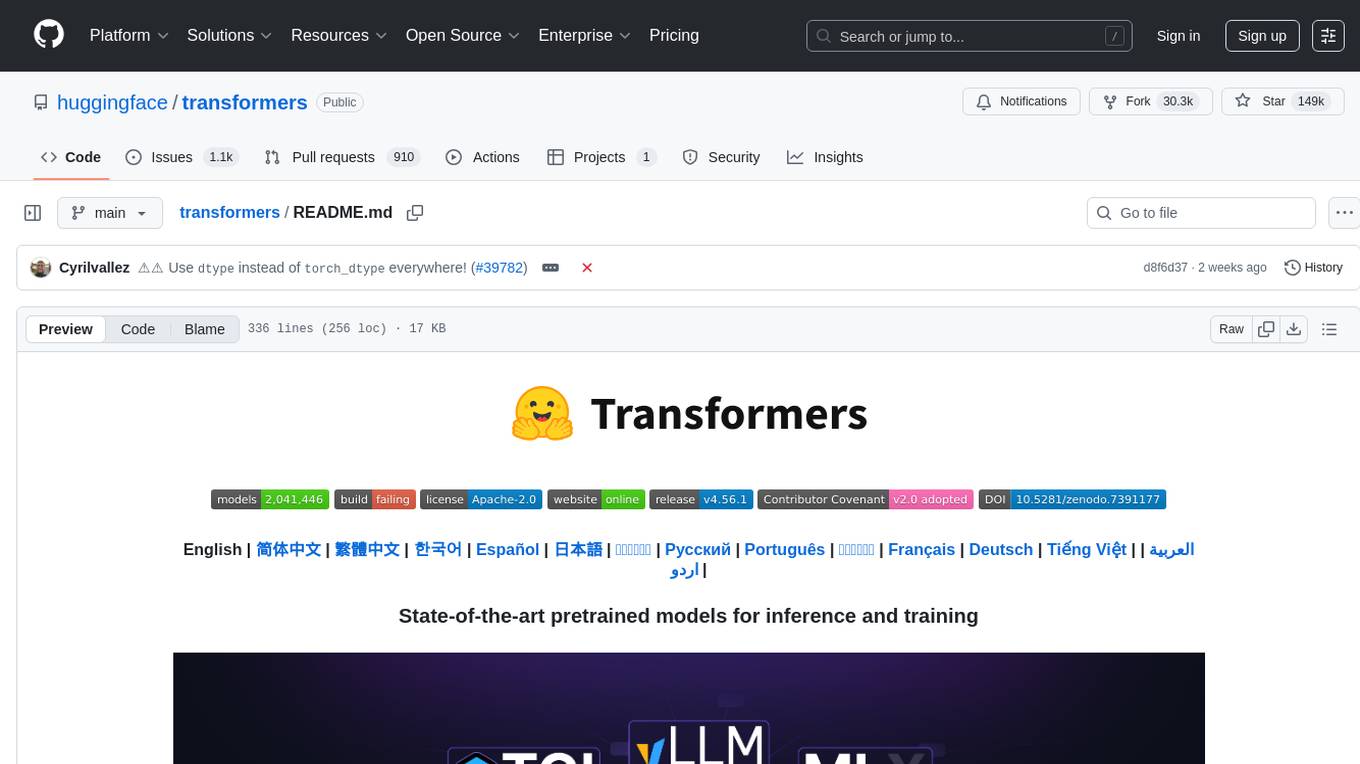
transformers
Transformers is a state-of-the-art pretrained models library that acts as the model-definition framework for machine learning models in text, computer vision, audio, video, and multimodal tasks. It centralizes model definition for compatibility across various training frameworks, inference engines, and modeling libraries. The library simplifies the usage of new models by providing simple, customizable, and efficient model definitions. With over 1M+ Transformers model checkpoints available, users can easily find and utilize models for their tasks.
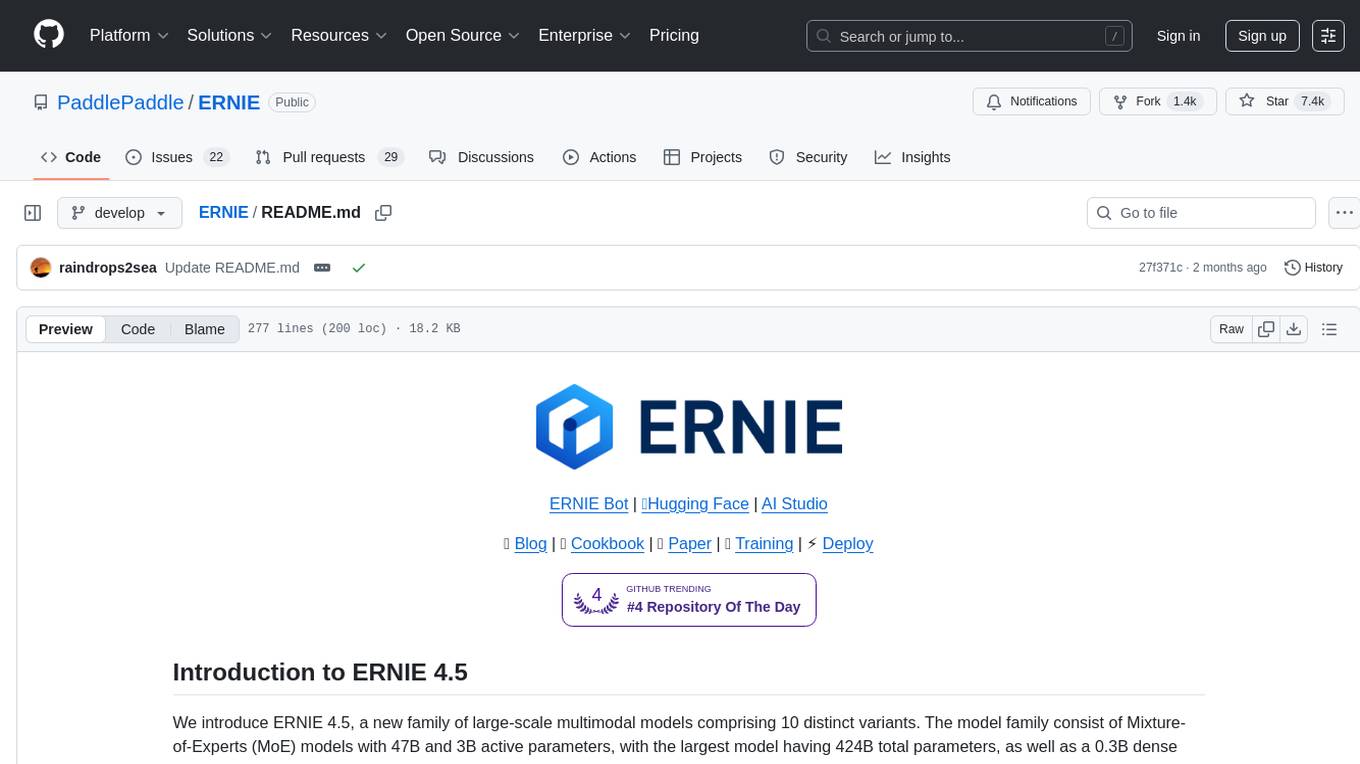
ERNIE
ERNIE 4.5 is a family of large-scale multimodal models with 10 distinct variants, including Mixture-of-Experts (MoE) models with 47B and 3B active parameters. The models feature a novel heterogeneous modality structure supporting parameter sharing across modalities while allowing dedicated parameters for each individual modality. Trained with optimal efficiency using PaddlePaddle deep learning framework, ERNIE 4.5 models achieve state-of-the-art performance across text and multimodal benchmarks, enhancing multimodal understanding without compromising performance on text-related tasks. The open-source development toolkits for ERNIE 4.5 offer industrial-grade capabilities, resource-efficient training and inference workflows, and multi-hardware compatibility.
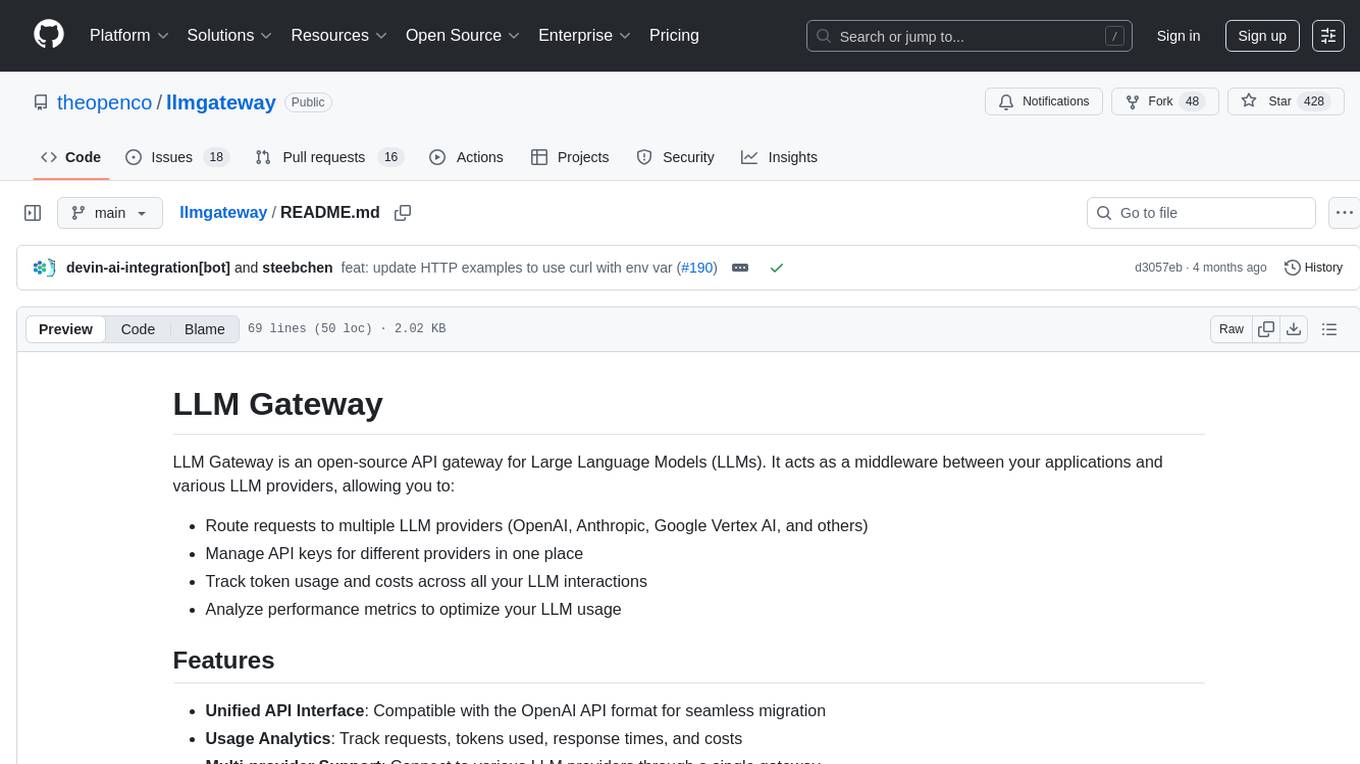
llmgateway
The llmgateway repository is a tool that provides a gateway for interacting with various LLM (Large Language Model) models. It allows users to easily access and utilize pre-trained language models for tasks such as text generation, sentiment analysis, and language translation. The tool simplifies the process of integrating LLMs into applications and workflows, enabling developers to leverage the power of state-of-the-art language models for various natural language processing tasks.
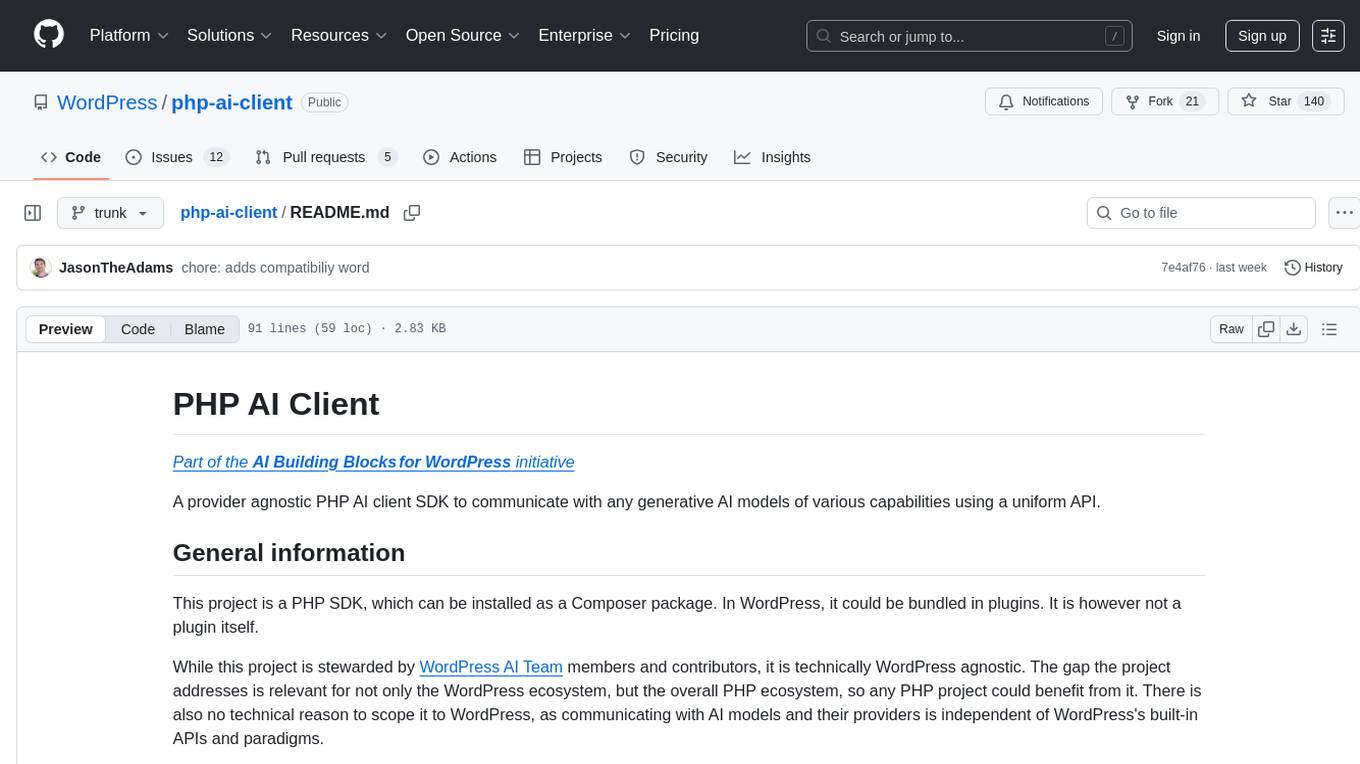
php-ai-client
A provider agnostic PHP AI client SDK to communicate with any generative AI models of various capabilities using a uniform API. It is a PHP SDK that can be installed as a Composer package and used in any PHP project, not limited to WordPress. The project aims to bridge the gap between AI models and PHP applications, providing flexibility and ease of communication with AI providers.
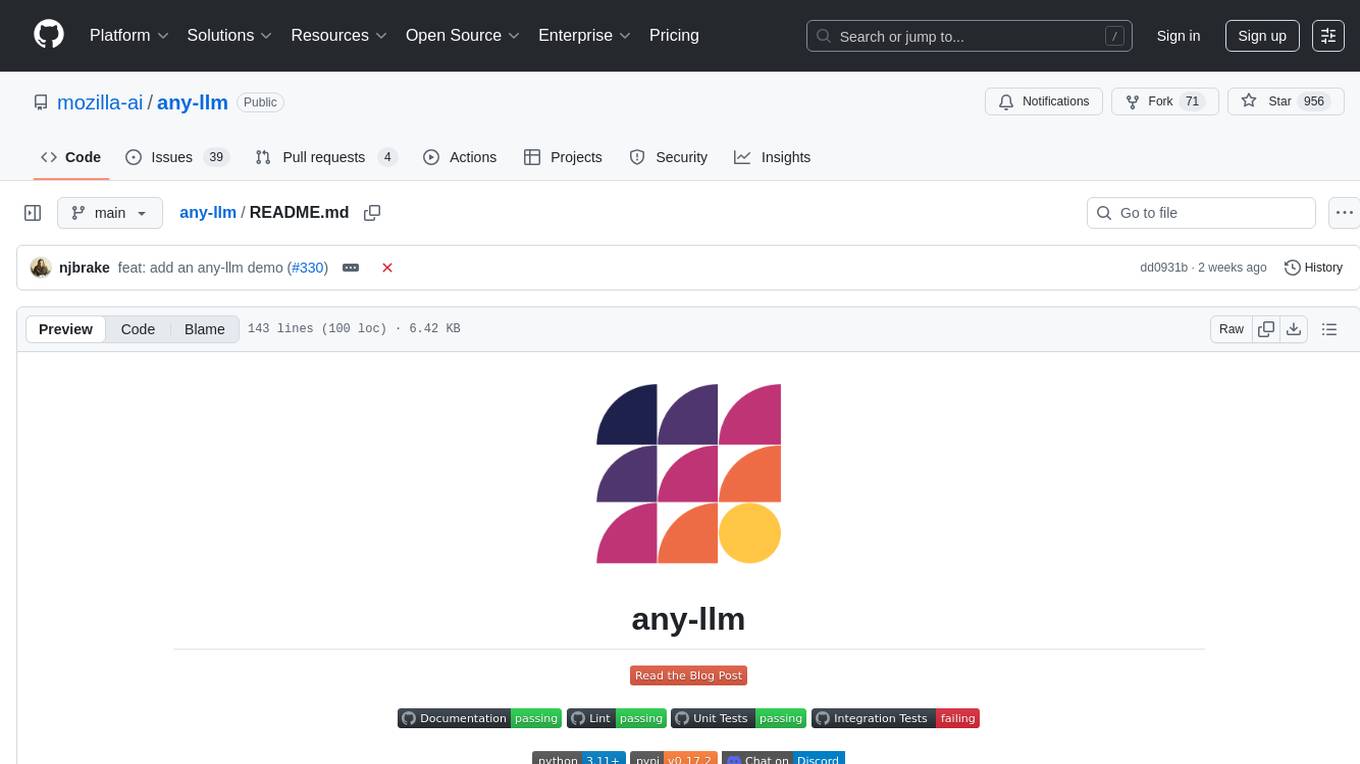
any-llm
The `any-llm` repository provides a unified API to access different LLM (Large Language Model) providers. It offers a simple and developer-friendly interface, leveraging official provider SDKs for compatibility and maintenance. The tool is framework-agnostic, actively maintained, and does not require a proxy or gateway server. It addresses challenges in API standardization and aims to provide a consistent interface for various LLM providers, overcoming limitations of existing solutions like LiteLLM, AISuite, and framework-specific integrations.
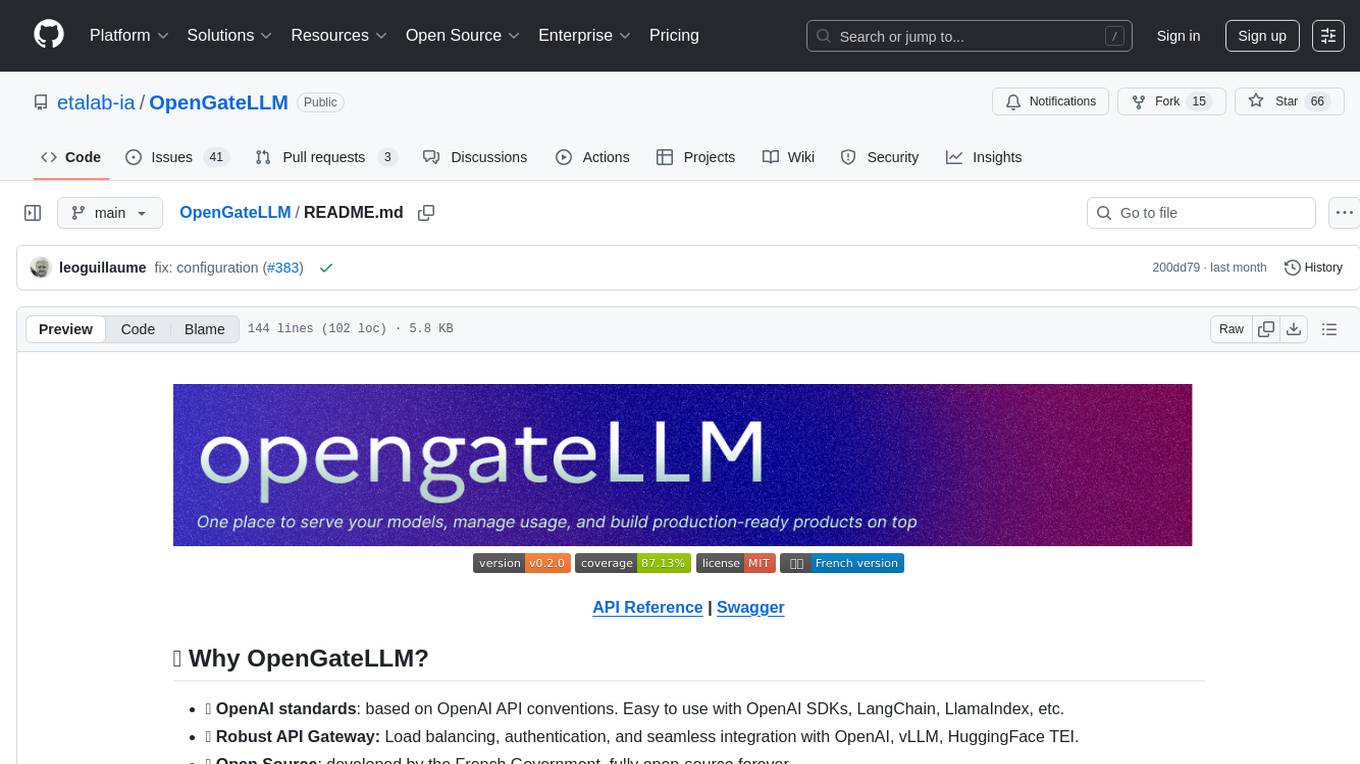
OpenGateLLM
OpenGateLLM is an open-source API gateway developed by the French Government, designed to serve AI models in production. It follows OpenAI standards and offers robust features like RAG integration, audio transcription, OCR, and more. With support for multiple AI backends and built-in security, OpenGateLLM provides a production-ready solution for various AI tasks.
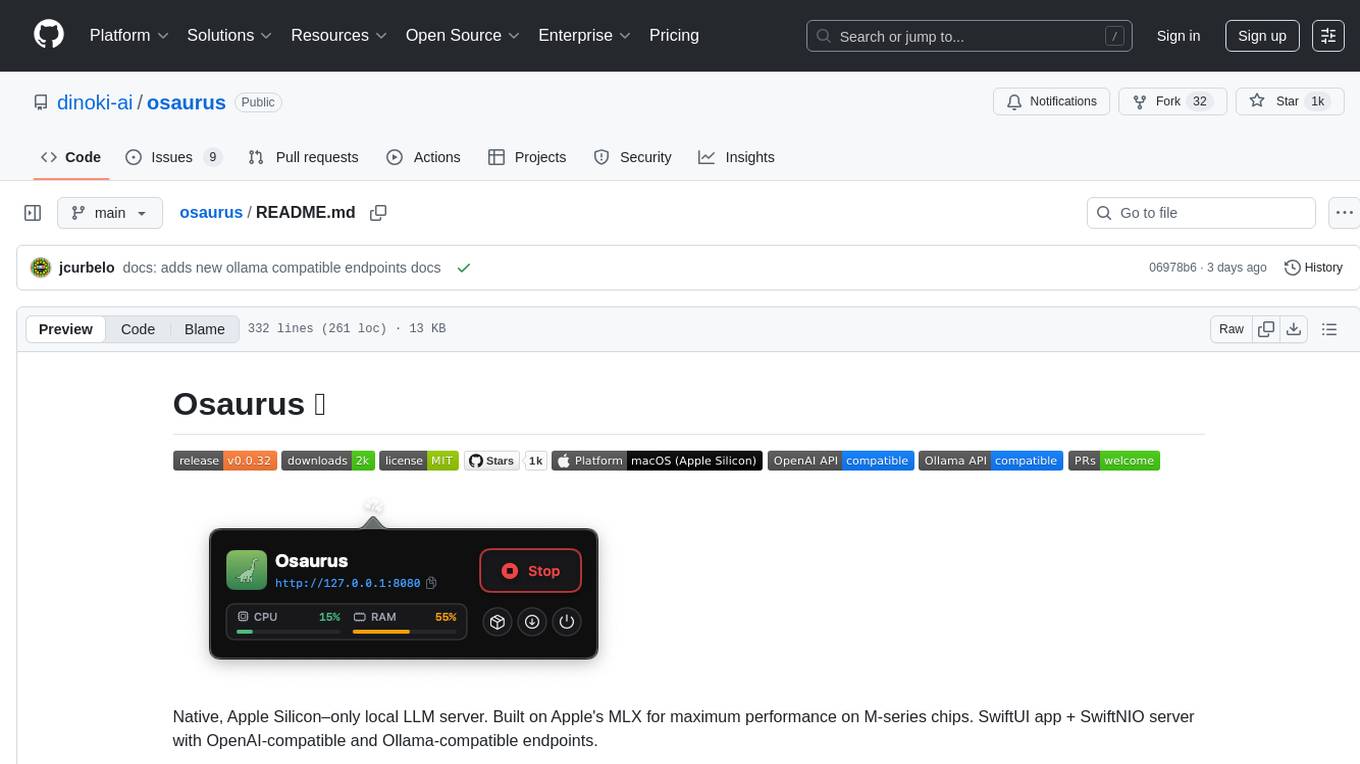
osaurus
Osaurus is a native, Apple Silicon-only local LLM server built on Apple's MLX for maximum performance on M‑series chips. It is a SwiftUI app + SwiftNIO server with OpenAI‑compatible and Ollama‑compatible endpoints. The tool supports native MLX text generation, model management, streaming and non‑streaming chat completions, OpenAI‑compatible function calling, real-time system resource monitoring, and path normalization for API compatibility. Osaurus is designed for macOS 15.5+ and Apple Silicon (M1 or newer) with Xcode 16.4+ required for building from source.
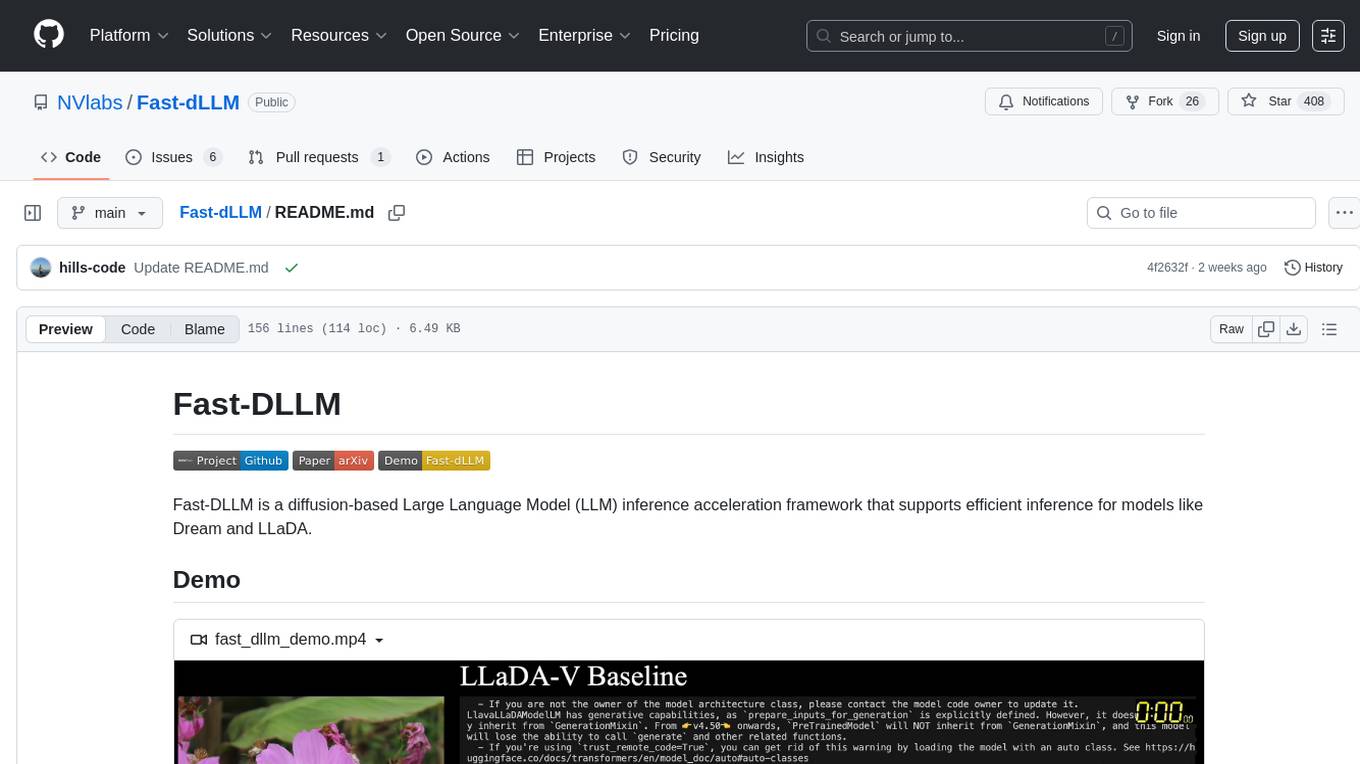
Fast-dLLM
Fast-DLLM is a diffusion-based Large Language Model (LLM) inference acceleration framework that supports efficient inference for models like Dream and LLaDA. It offers fast inference support, multiple optimization strategies, code generation, evaluation capabilities, and an interactive chat interface. Key features include Key-Value Cache for Block-Wise Decoding, Confidence-Aware Parallel Decoding, and overall performance improvements. The project structure includes directories for Dream and LLaDA model-related code, with installation and usage instructions provided for using the LLaDA and Dream models.
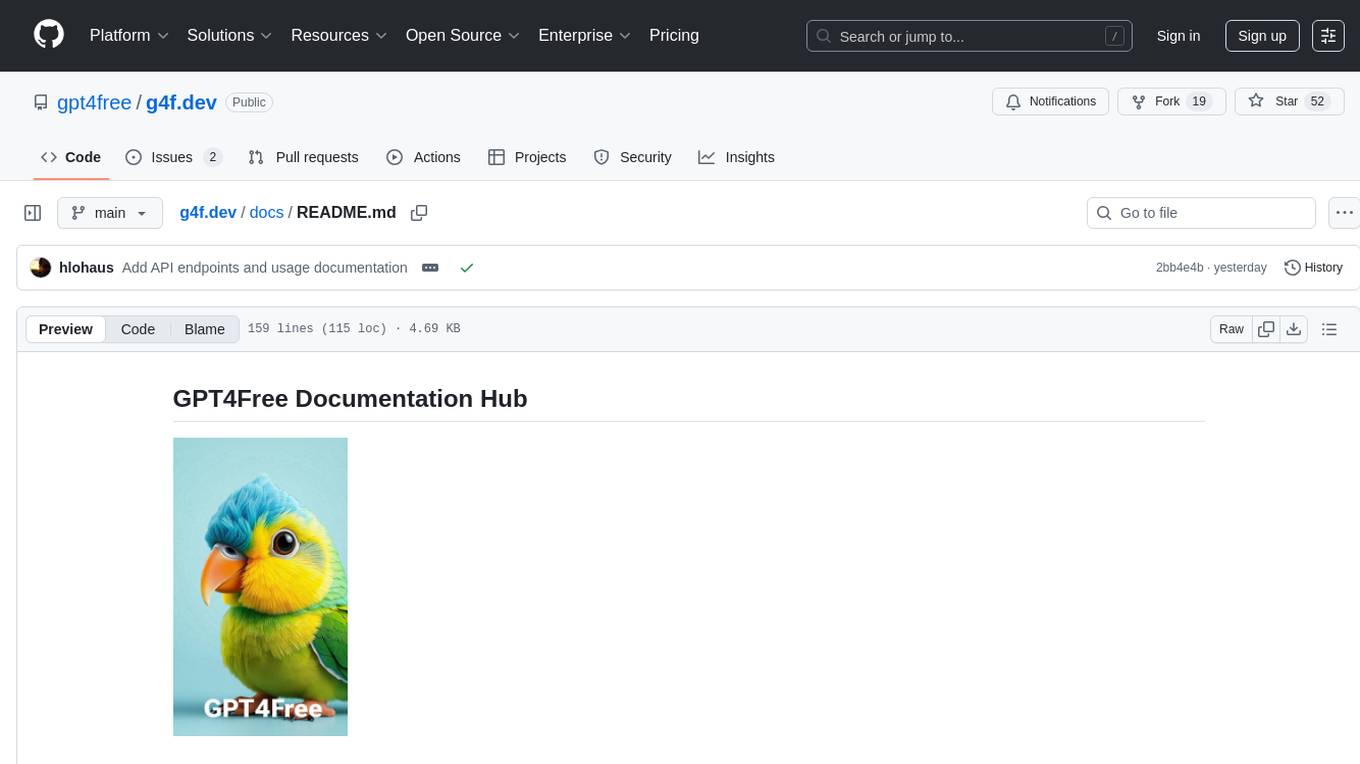
g4f.dev
G4f.dev is the official documentation hub for GPT4Free, a free and convenient AI tool with endpoints that can be integrated directly into apps, scripts, and web browsers. The documentation provides clear overviews, quick examples, and deeper insights into the major features of GPT4Free, including text and image generation. Users can choose between Python and JavaScript for installation and setup, and can access various API endpoints, providers, models, and client options for different tasks.
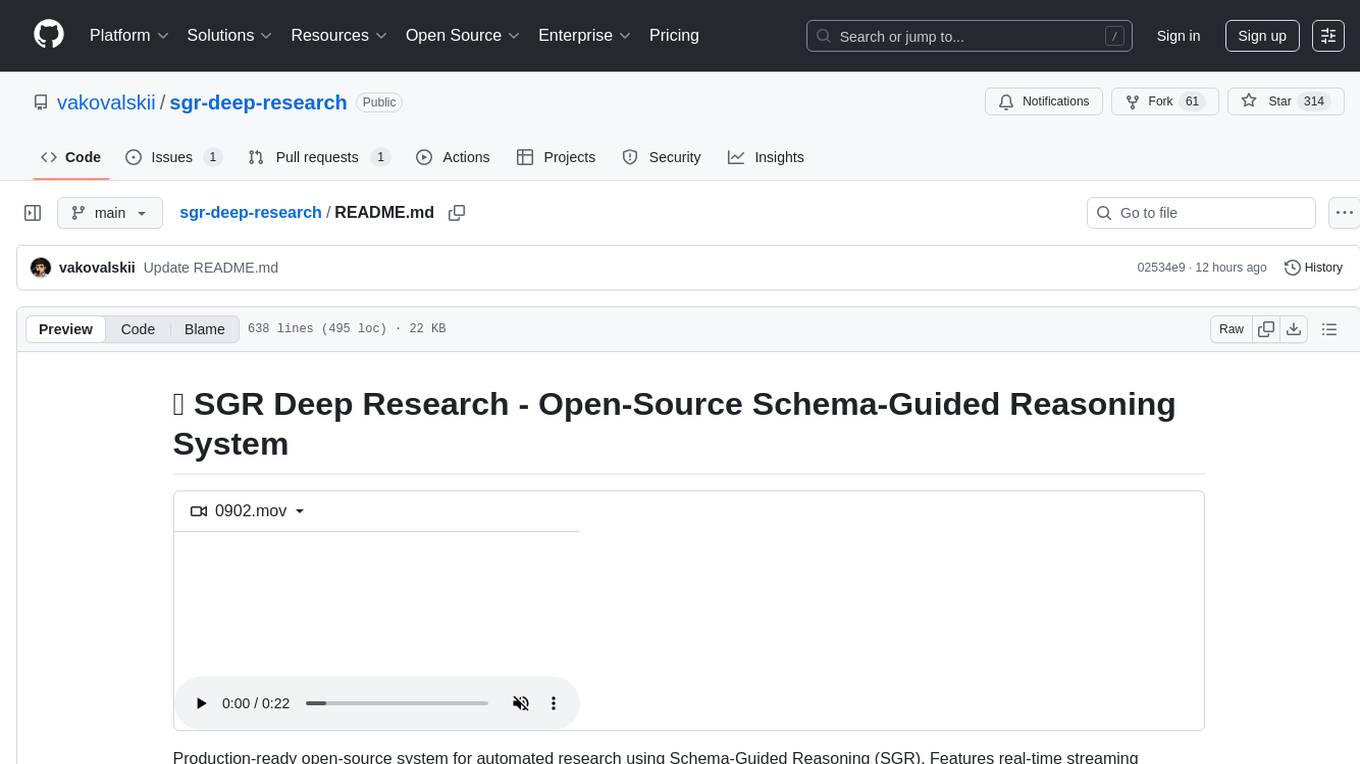
sgr-deep-research
This repository contains a deep learning research project focused on natural language processing tasks. It includes implementations of various state-of-the-art models and algorithms for text classification, sentiment analysis, named entity recognition, and more. The project aims to provide a comprehensive resource for researchers and developers interested in exploring deep learning techniques for NLP applications.
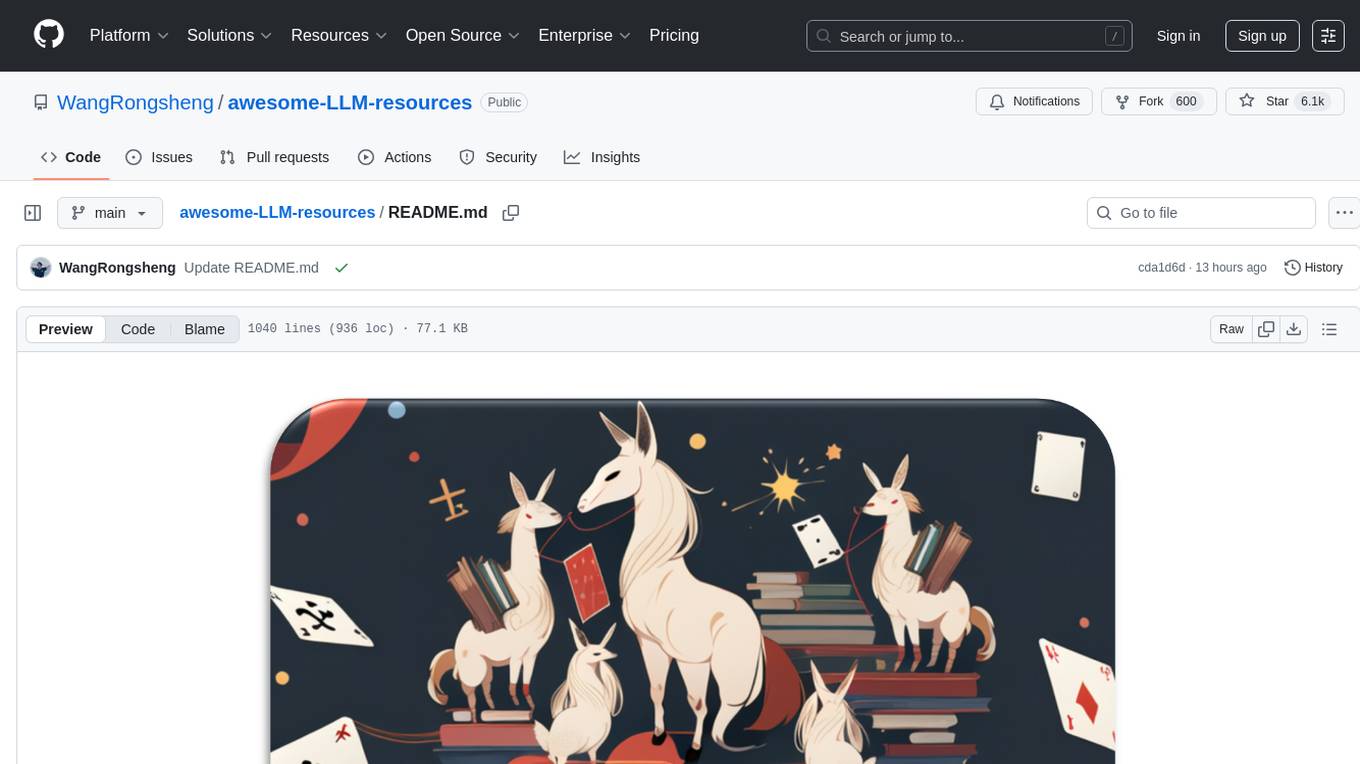
awesome-LLM-resources
This repository is a curated list of resources for learning and working with Large Language Models (LLMs). It includes a collection of articles, tutorials, tools, datasets, and research papers related to LLMs such as GPT-3, BERT, and Transformer models. Whether you are a researcher, developer, or enthusiast interested in natural language processing and artificial intelligence, this repository provides valuable resources to help you understand, implement, and experiment with LLMs.
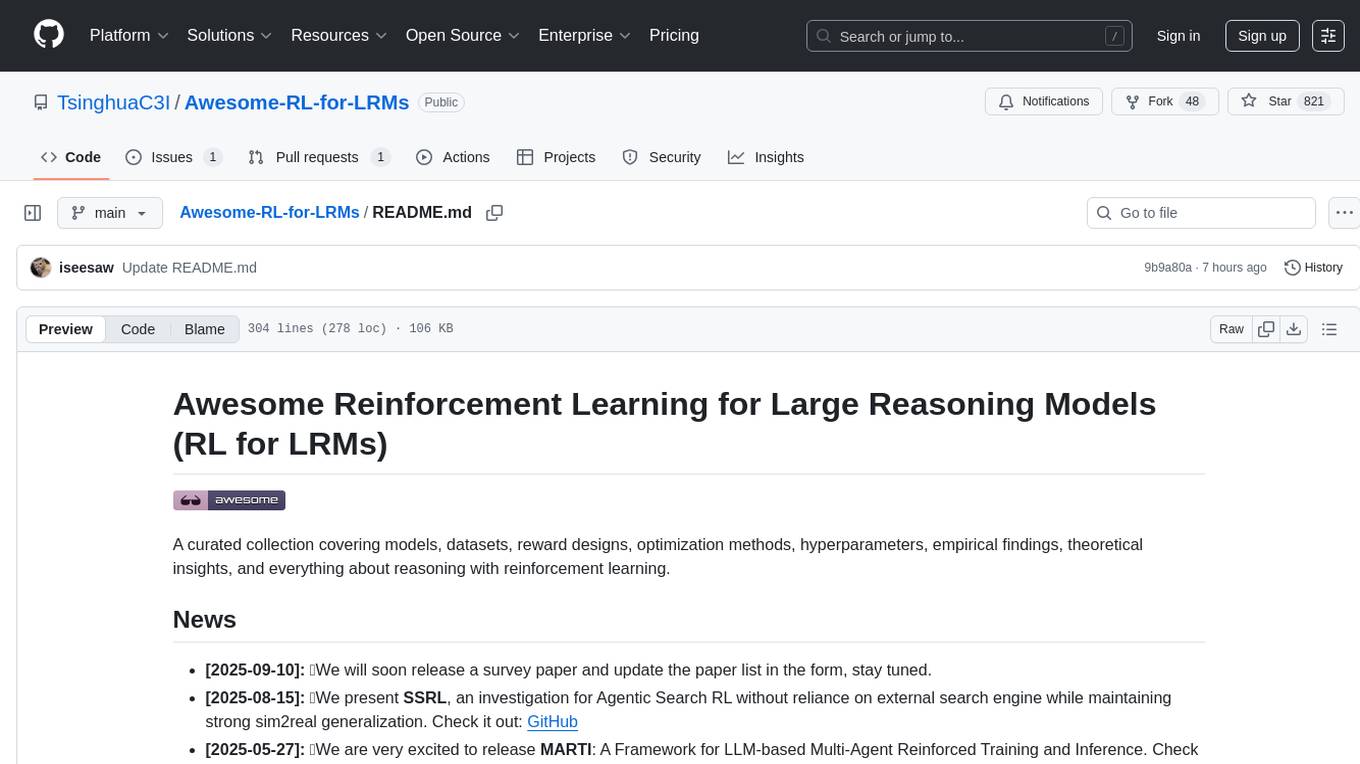
Awesome-RL-for-LRMs
This repository contains a collection of awesome resources for reinforcement learning in language models. It includes tutorials, code implementations, research papers, and tools to help researchers and practitioners explore and apply reinforcement learning techniques in natural language processing tasks. Whether you are a beginner or an expert in the field, this repository aims to provide valuable insights and guidance to enhance your understanding and implementation of reinforcement learning in language models.
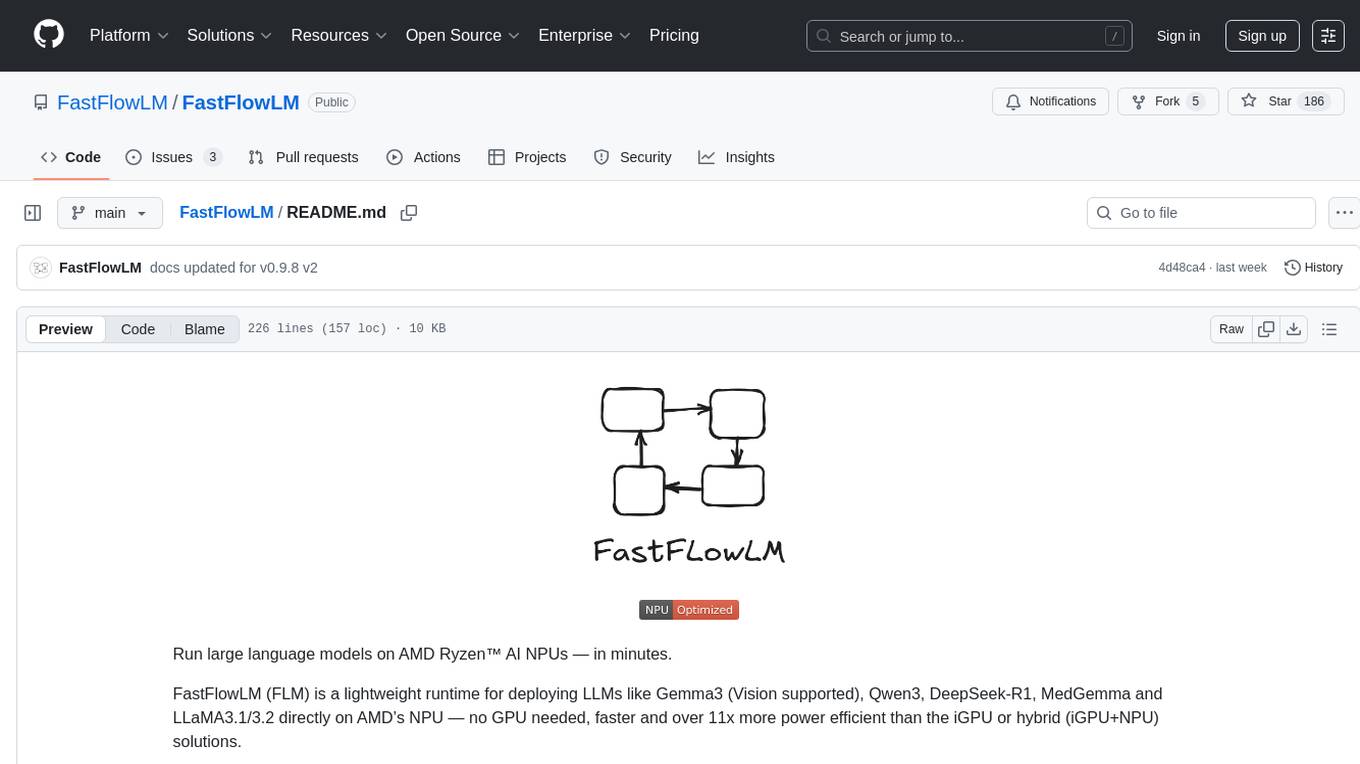
FastFlowLM
FastFlowLM is a Python library for efficient and scalable language model inference. It provides a high-performance implementation of language model scoring using n-gram language models. The library is designed to handle large-scale text data and can be easily integrated into natural language processing pipelines for tasks such as text generation, speech recognition, and machine translation. FastFlowLM is optimized for speed and memory efficiency, making it suitable for both research and production environments.
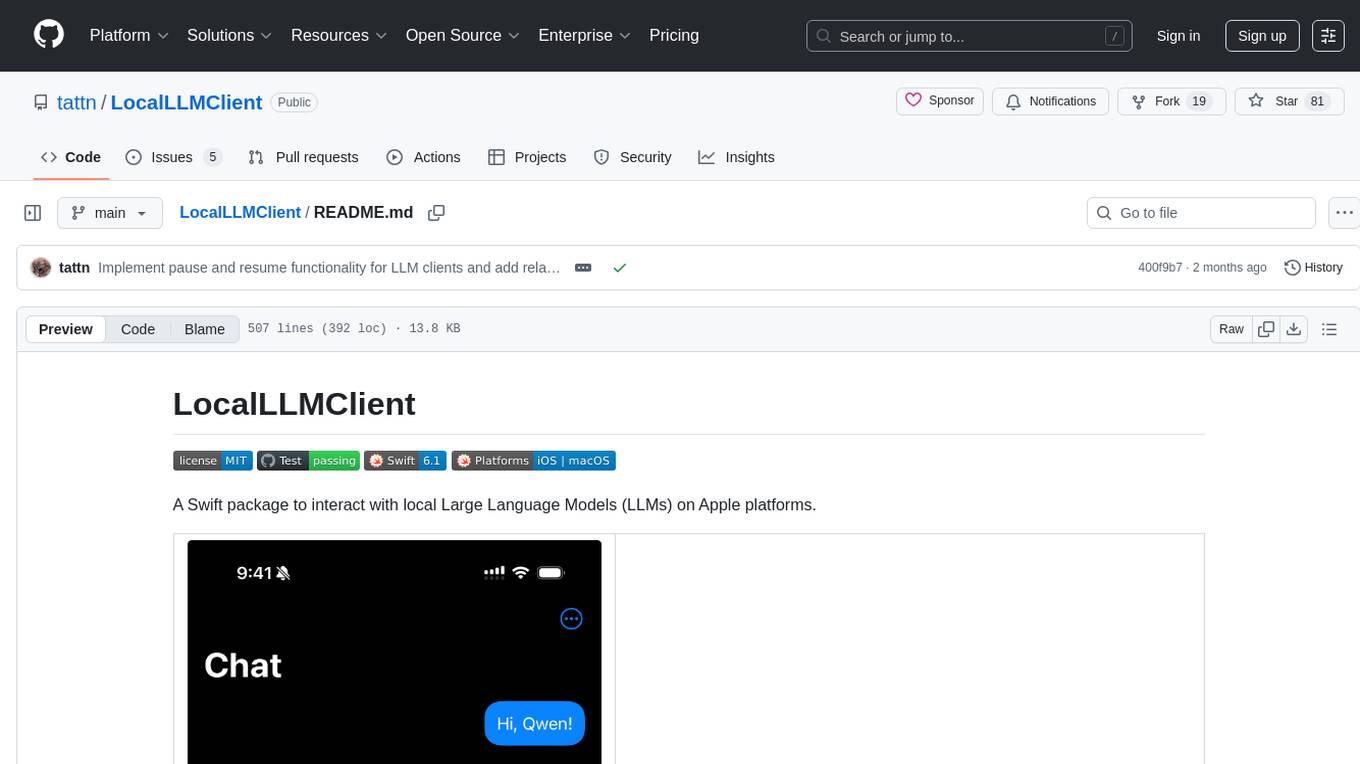
LocalLLMClient
LocalLLMClient is a Swift package designed to interact with local Large Language Models (LLMs) on Apple platforms. It supports GGUF, MLX models, and the FoundationModels framework, providing streaming API, multimodal capabilities, and tool calling functionalities. Users can easily integrate this tool to work with various models for text generation and processing. The package also includes advanced features for low-level API control and multimodal image processing. LocalLLMClient is experimental and subject to API changes, offering support for iOS, macOS, and Linux platforms.
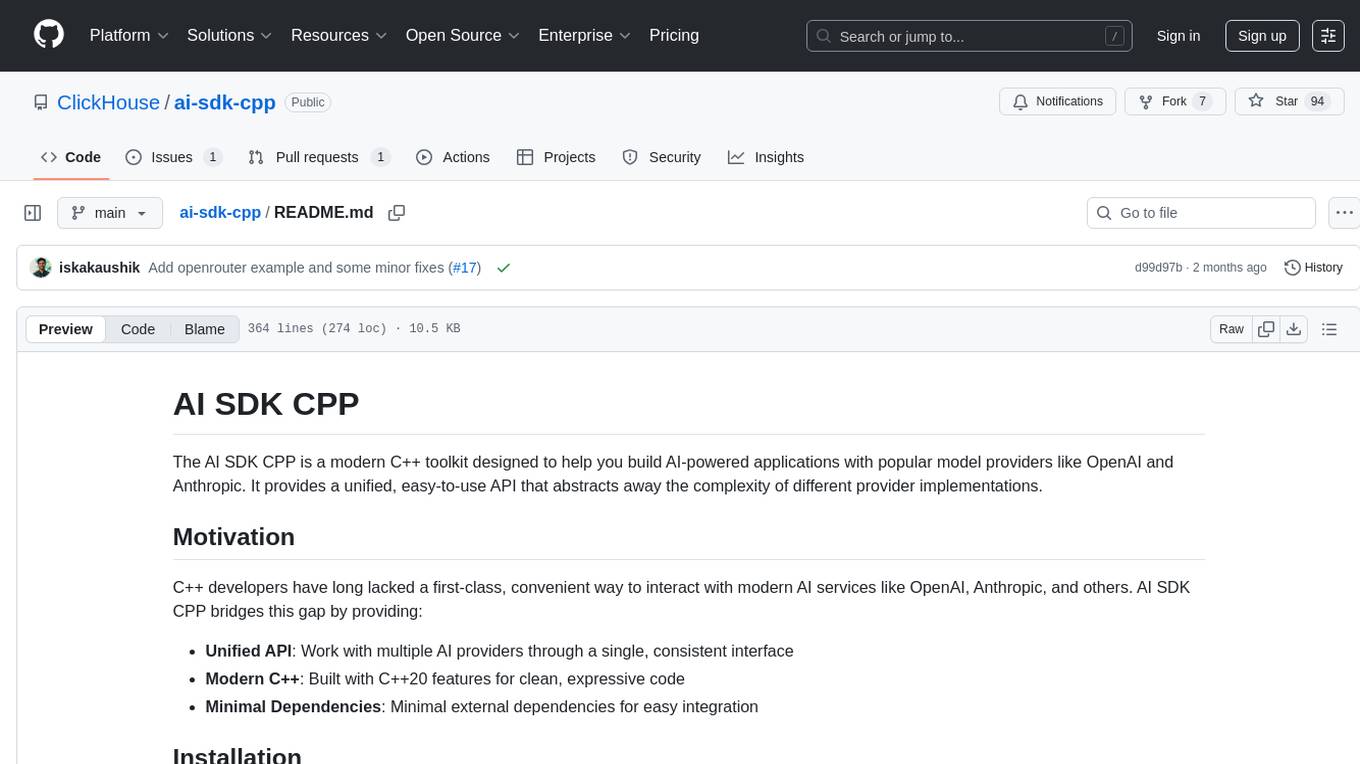
ai-sdk-cpp
The AI SDK CPP is a modern C++ toolkit that provides a unified, easy-to-use API for building AI-powered applications with popular model providers like OpenAI and Anthropic. It bridges the gap for C++ developers by offering a clean, expressive codebase with minimal dependencies. The toolkit supports text generation, streaming content, multi-turn conversations, error handling, tool calling, async tool execution, and configurable retries. Future updates will include additional providers, text embeddings, and image generation models. The project also includes a patched version of nlohmann/json for improved thread safety and consistent behavior in multi-threaded environments.
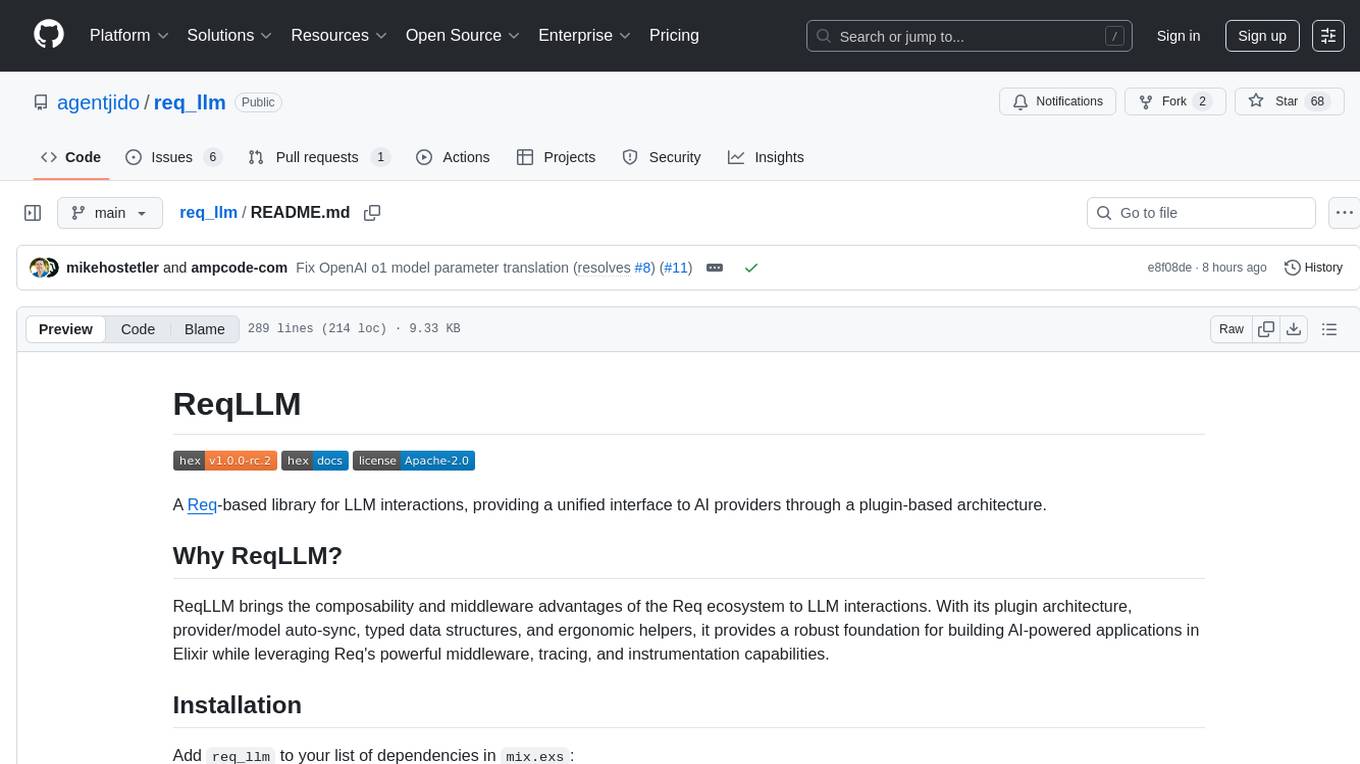
req_llm
ReqLLM is a Req-based library for LLM interactions, offering a unified interface to AI providers through a plugin-based architecture. It brings composability and middleware advantages to LLM interactions, with features like auto-synced providers/models, typed data structures, ergonomic helpers, streaming capabilities, usage & cost extraction, and a plugin-based provider system. Users can easily generate text, structured data, embeddings, and track usage costs. The tool supports various AI providers like Anthropic, OpenAI, Groq, Google, and xAI, and allows for easy addition of new providers. ReqLLM also provides API key management, detailed documentation, and a roadmap for future enhancements.
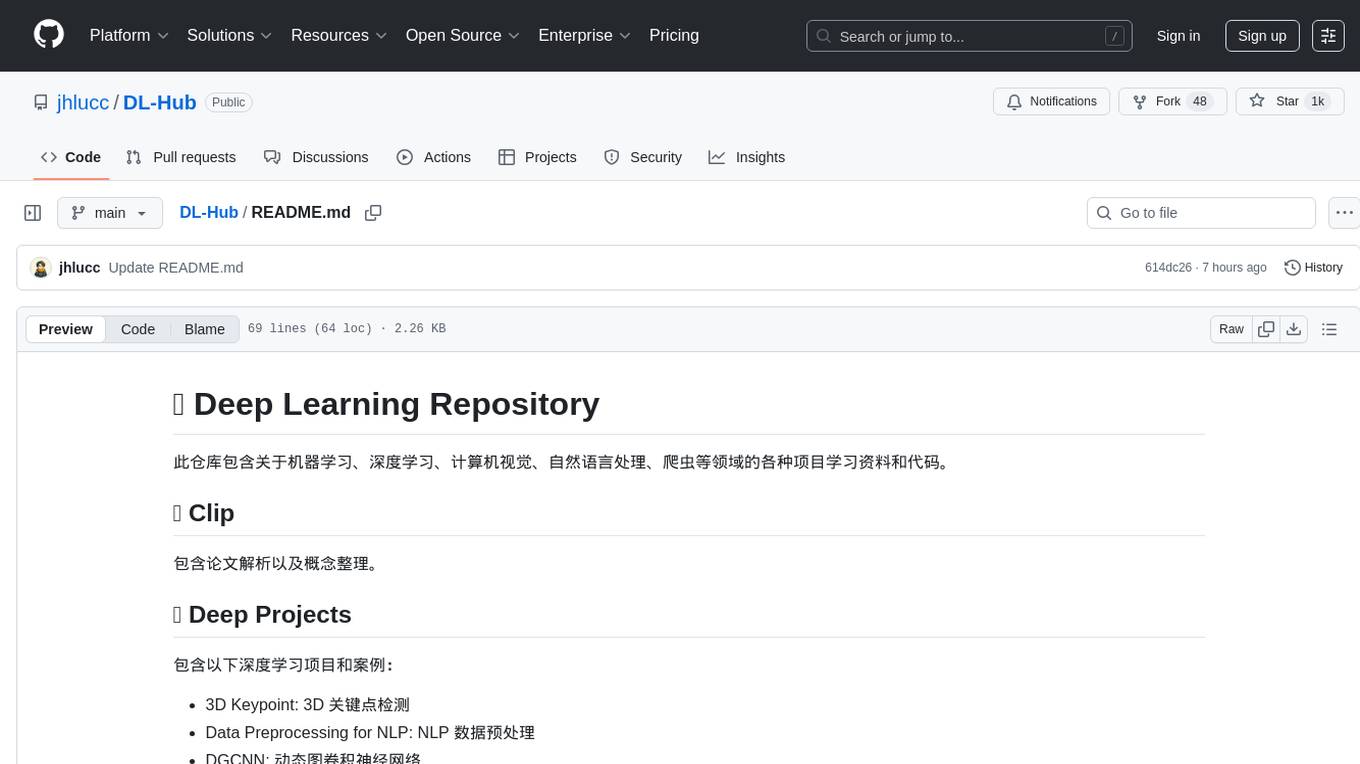
DL-Hub
DL-Hub is a deep learning repository containing various study materials and code projects in the fields of machine learning, deep learning, computer vision, natural language processing, and web crawling. It includes paper analysis, deep learning projects, graph neural network replications, machine learning algorithms, transformer models, and optimization implementations. The repository aims to provide valuable resources for learning and research in the deep learning and machine learning domains.
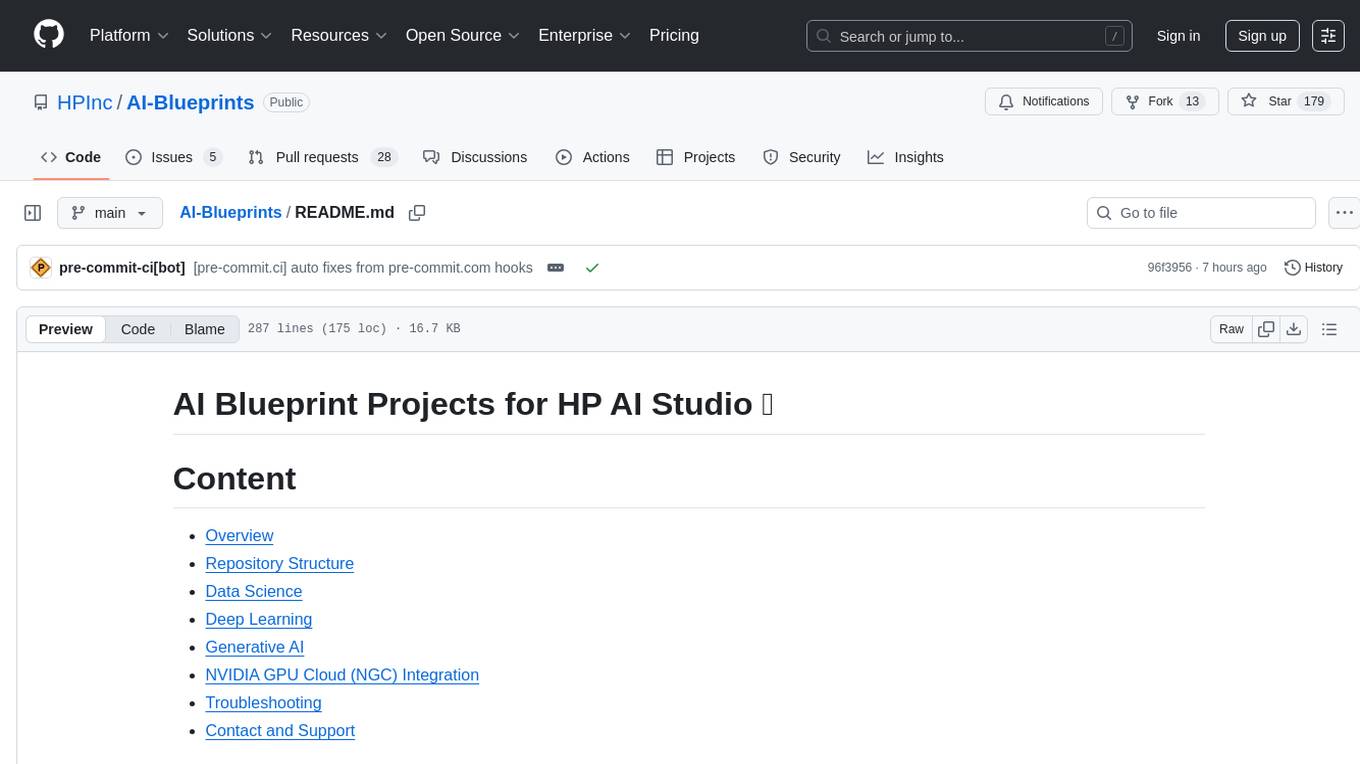
AI-Blueprints
This repository hosts a collection of AI blueprint projects for HP AI Studio, providing end-to-end solutions across key AI domains like data science, machine learning, deep learning, and generative AI. The projects are designed to be plug-and-play, utilizing open-source and hosted models to offer ready-to-use solutions. The repository structure includes projects related to classical machine learning, deep learning applications, generative AI, NGC integration, and troubleshooting guidelines for common issues. Each project is accompanied by detailed descriptions and use cases, showcasing the versatility and applicability of AI technologies in various domains.
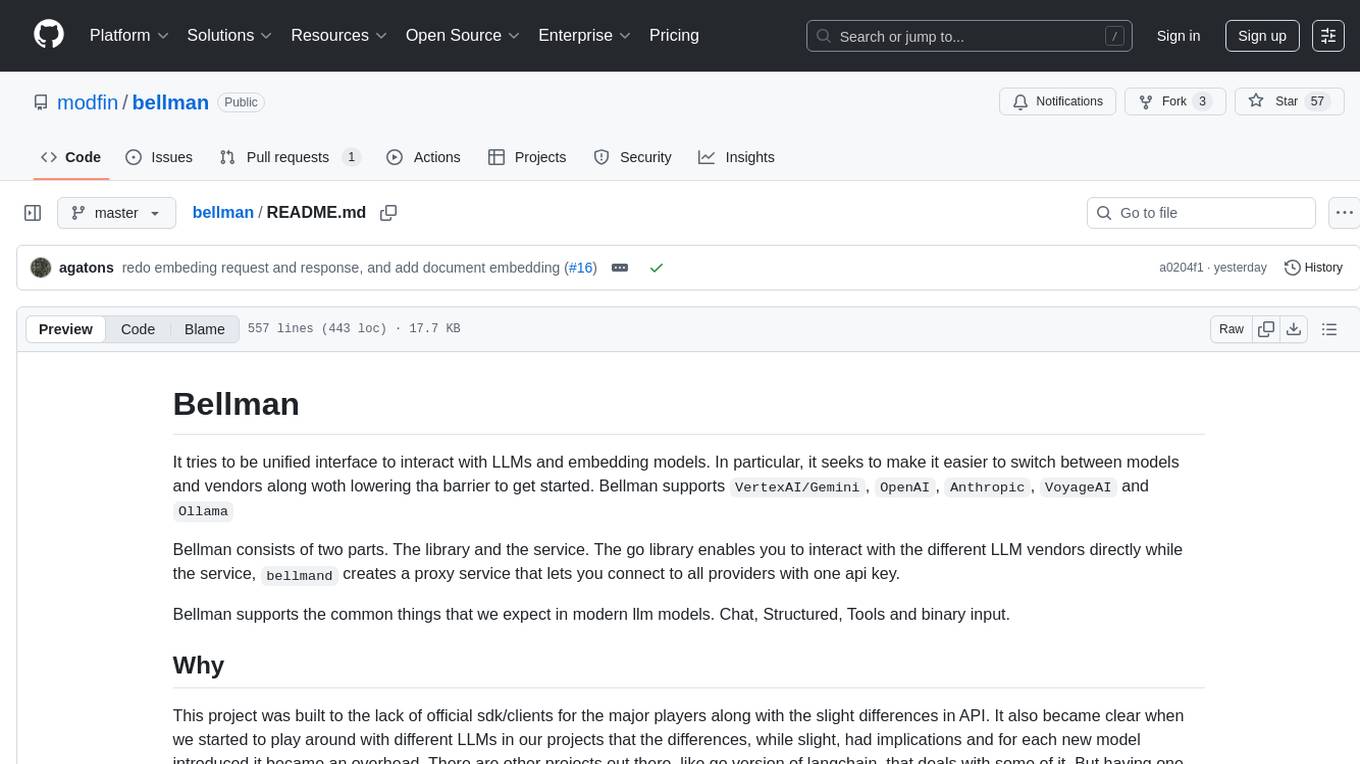
bellman
Bellman is a unified interface to interact with language and embedding models, supporting various vendors like VertexAI/Gemini, OpenAI, Anthropic, VoyageAI, and Ollama. It consists of a library for direct interaction with models and a service 'bellmand' for proxying requests with one API key. Bellman simplifies switching between models, vendors, and common tasks like chat, structured data, tools, and binary input. It addresses the lack of official SDKs for major players and differences in APIs, providing a single proxy for handling different models. The library offers clients for different vendors implementing common interfaces for generating and embedding text, enabling easy interchangeability between models.
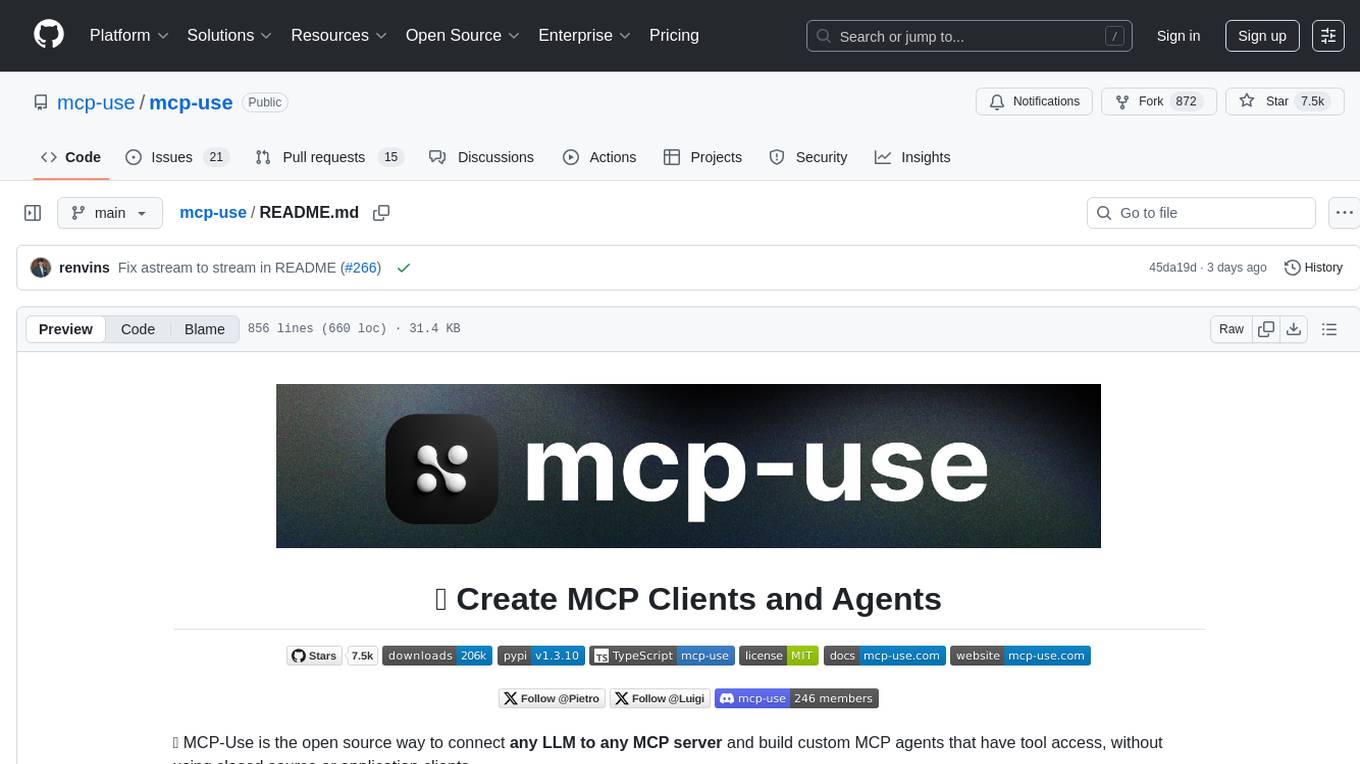
mcp-use
MCP-Use is a Python library for analyzing and processing text data using Markov Chains. It provides functionalities for generating text based on input data, calculating transition probabilities, and simulating text sequences. The library is designed to be user-friendly and efficient, making it suitable for natural language processing tasks.
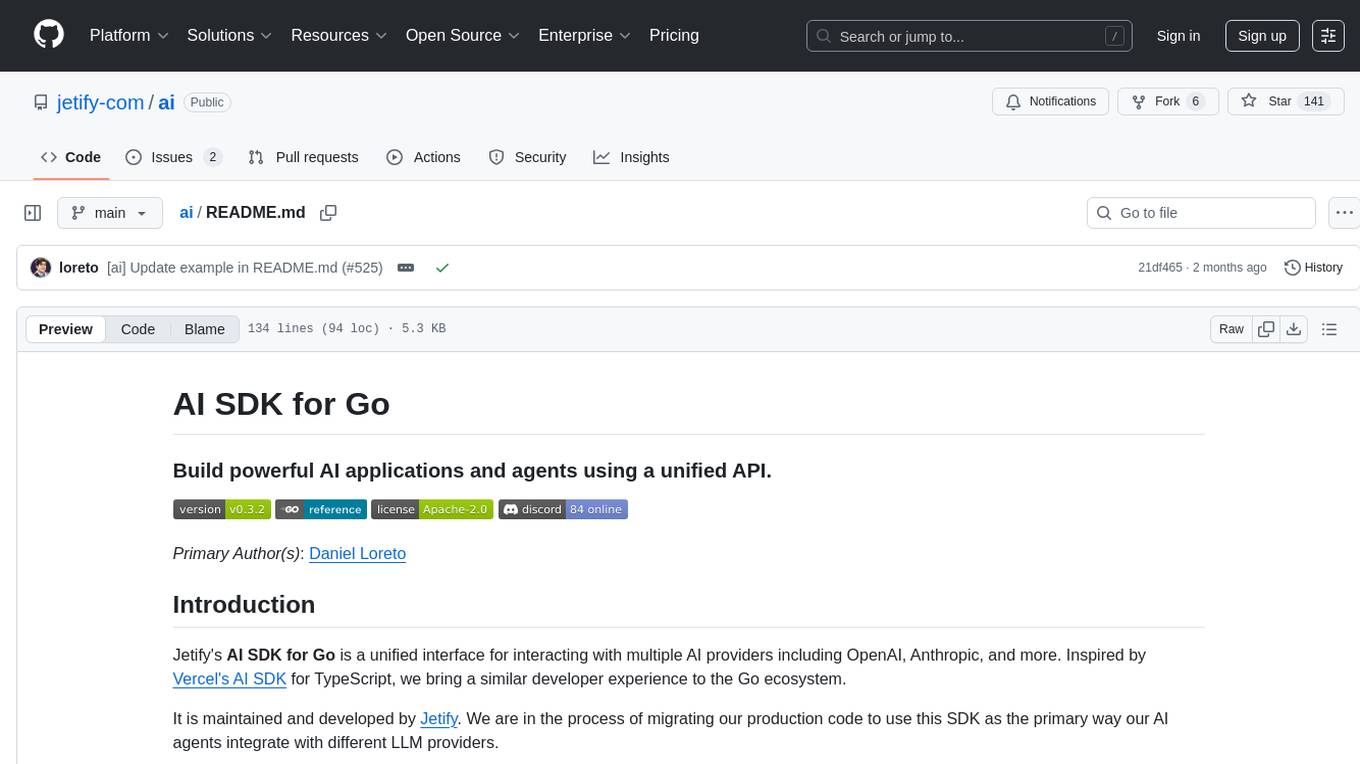
ai
Jetify's AI SDK for Go is a unified interface for interacting with multiple AI providers including OpenAI, Anthropic, and more. It addresses the challenges of fragmented ecosystems, vendor lock-in, poor Go developer experience, and complex multi-modal handling by providing a unified interface, Go-first design, production-ready features, multi-modal support, and extensible architecture. The SDK supports language models, embeddings, image generation, multi-provider support, multi-modal inputs, tool calling, and structured outputs.
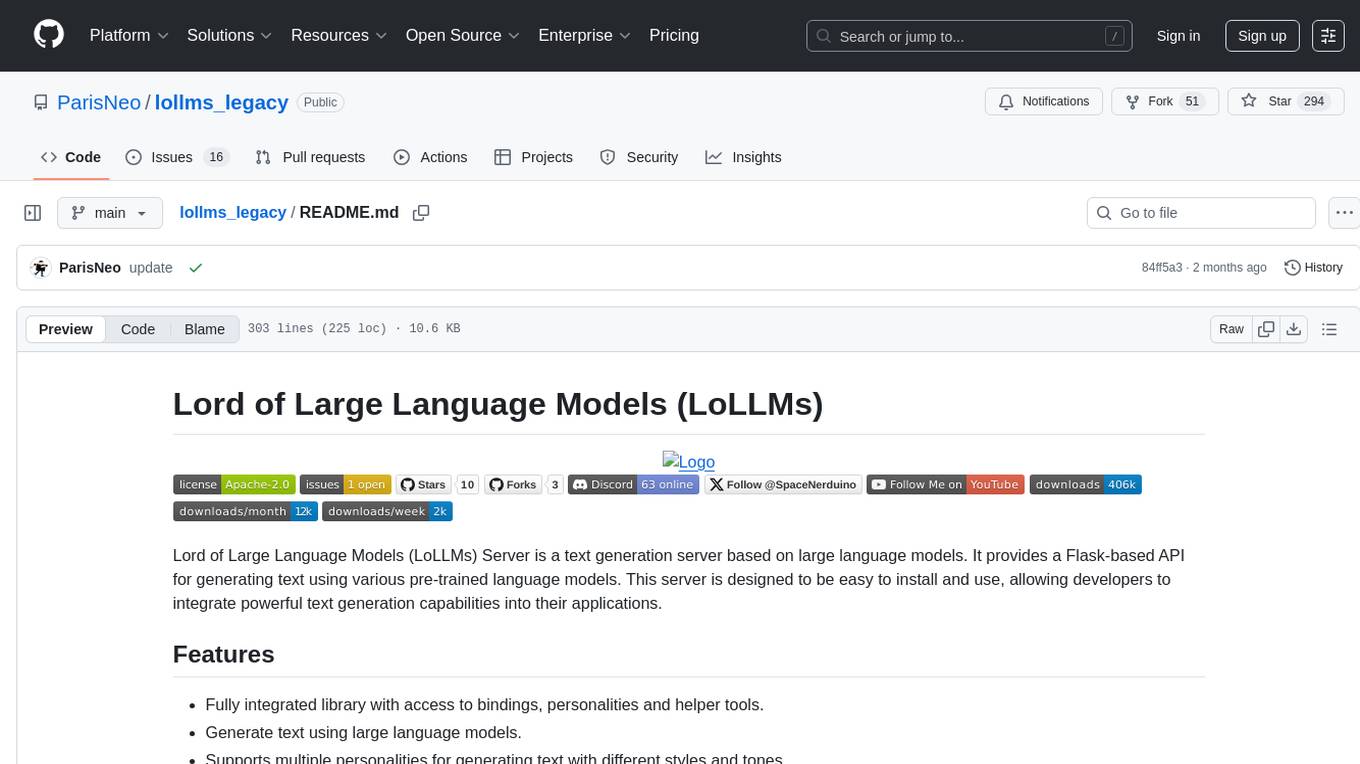
lollms_legacy
Lord of Large Language Models (LoLLMs) Server is a text generation server based on large language models. It provides a Flask-based API for generating text using various pre-trained language models. This server is designed to be easy to install and use, allowing developers to integrate powerful text generation capabilities into their applications. The tool supports multiple personalities for generating text with different styles and tones, real-time text generation with WebSocket-based communication, RESTful API for listing personalities and adding new personalities, easy integration with various applications and frameworks, sending files to personalities, running on multiple nodes to provide a generation service to many outputs at once, and keeping data local even in the remote version.
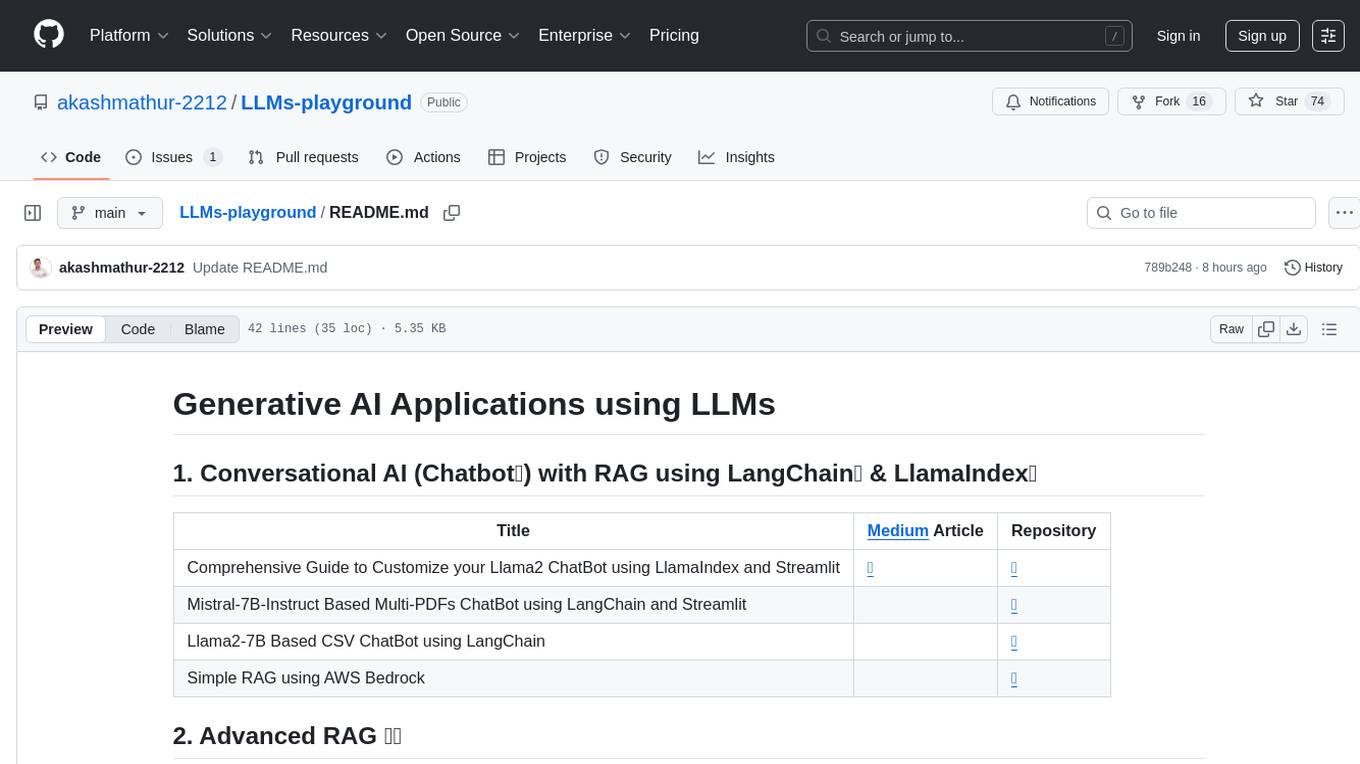
LLMs-playground
LLMs-playground is a repository containing code examples and tutorials for learning and experimenting with Large Language Models (LLMs). It provides a hands-on approach to understanding how LLMs work and how to fine-tune them for specific tasks. The repository covers various LLM architectures, pre-training techniques, and fine-tuning strategies, making it a valuable resource for researchers, students, and practitioners interested in natural language processing and machine learning. By exploring the code and following the tutorials, users can gain practical insights into working with LLMs and apply their knowledge to real-world projects.
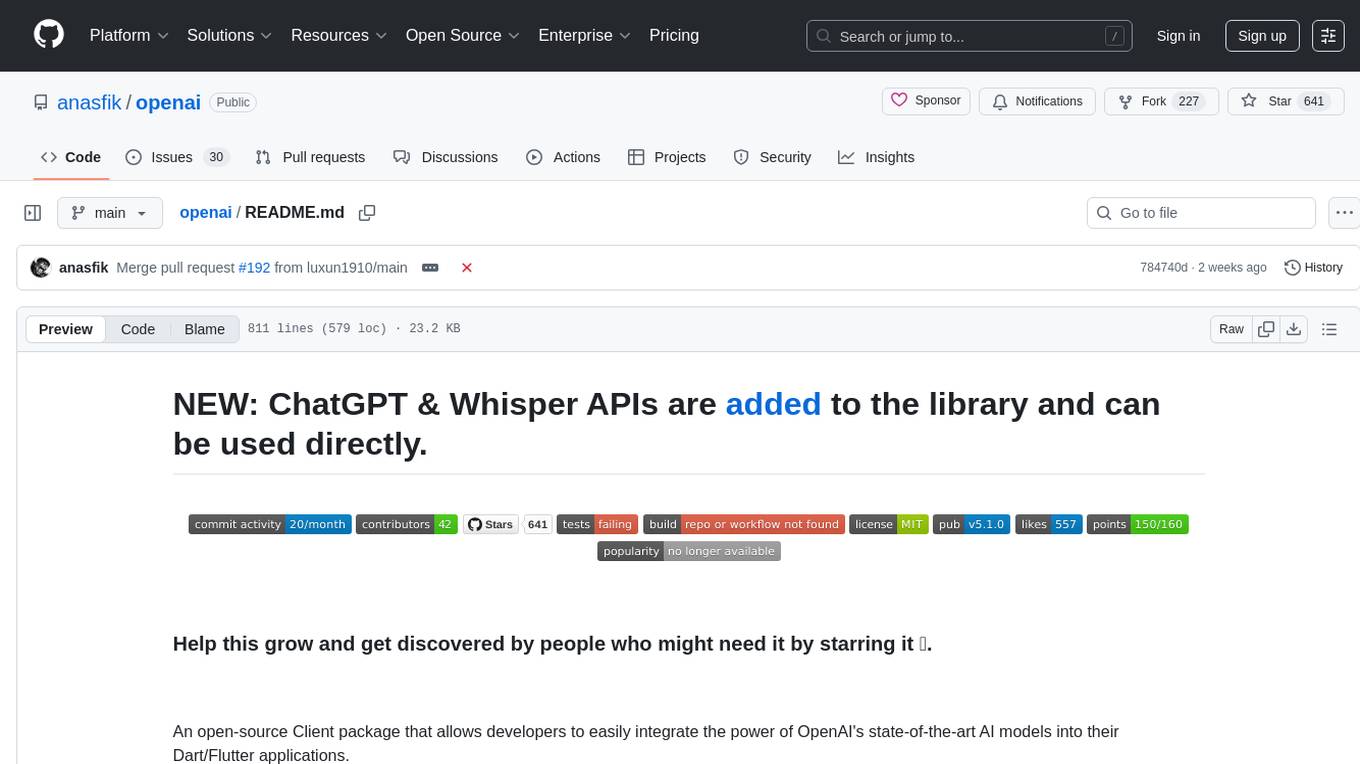
openai
An open-source client package that allows developers to easily integrate the power of OpenAI's state-of-the-art AI models into their Dart/Flutter applications. The library provides simple and intuitive methods for making requests to OpenAI's various APIs, including the GPT-3 language model, DALL-E image generation, and more. It is designed to be lightweight and easy to use, enabling developers to focus on building their applications without worrying about the complexities of dealing with HTTP requests. Note that this is an unofficial library as OpenAI does not have an official Dart library.
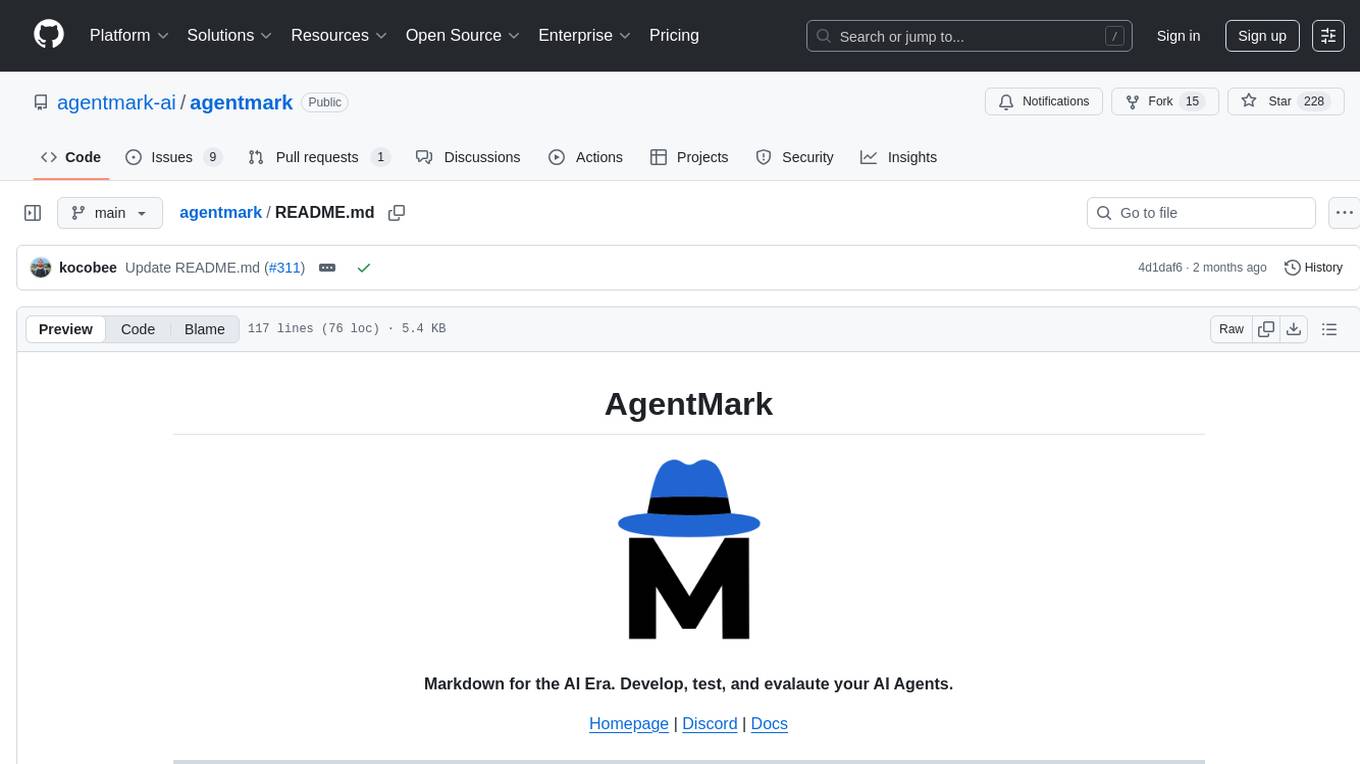
agentmark
AgentMark is a tool designed to make it easy for developers to develop, test, and evaluate AI Agents. It combines Markdown syntax with JSX components to create reliable Agents. The tool seamlessly integrates with SDKs, offering comprehensive tooling such as full type safety, unified prompt configuration, syntax highlighting, loops and conditionals, custom SDK adapters, and support for text, object, image, and speech generation across multiple model providers.
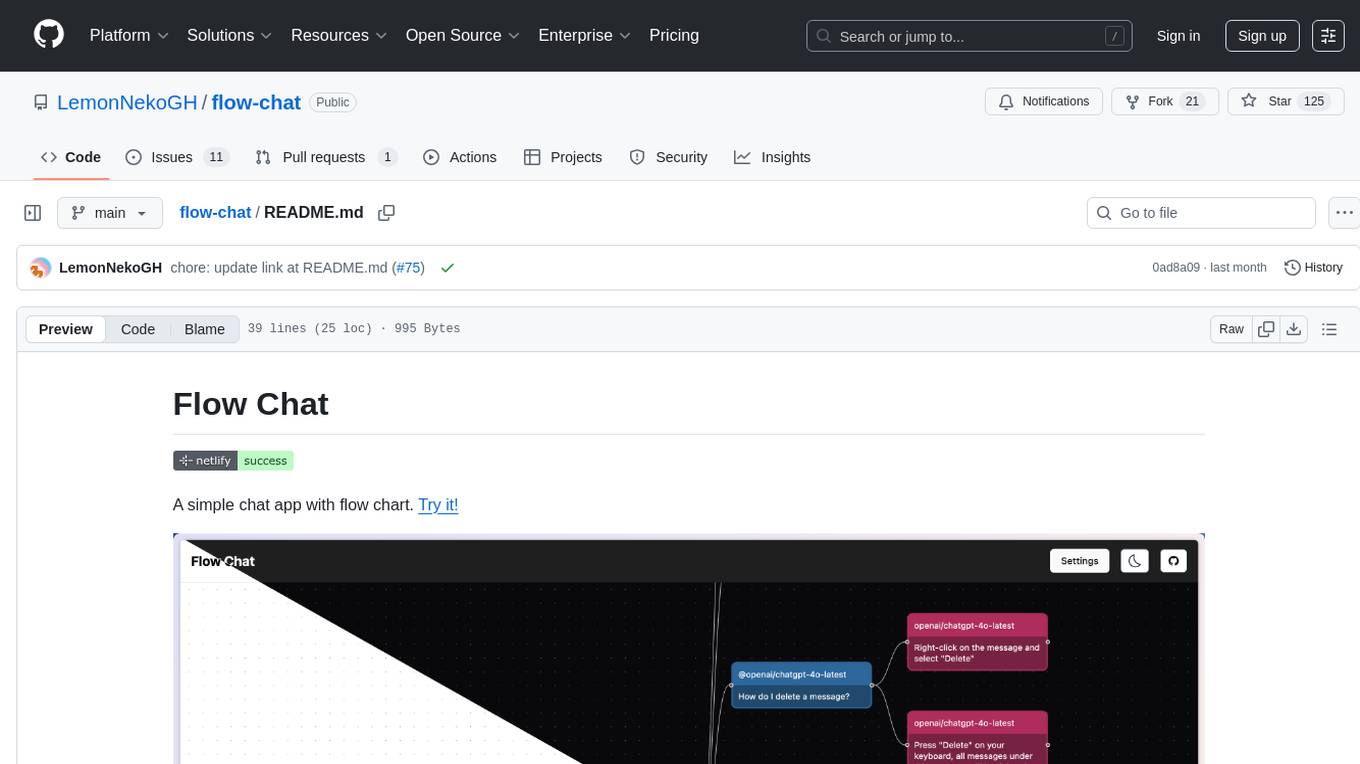
flow-chat
Flow Chat is a simple chat application with flow chart functionality. It allows users to generate text and images, create branches from messages, and switch between different models. The project uses `.tool-versions` for tool version management and provides commands for installation and starting the development server. It also includes a build command and a Star History chart to track repository popularity.
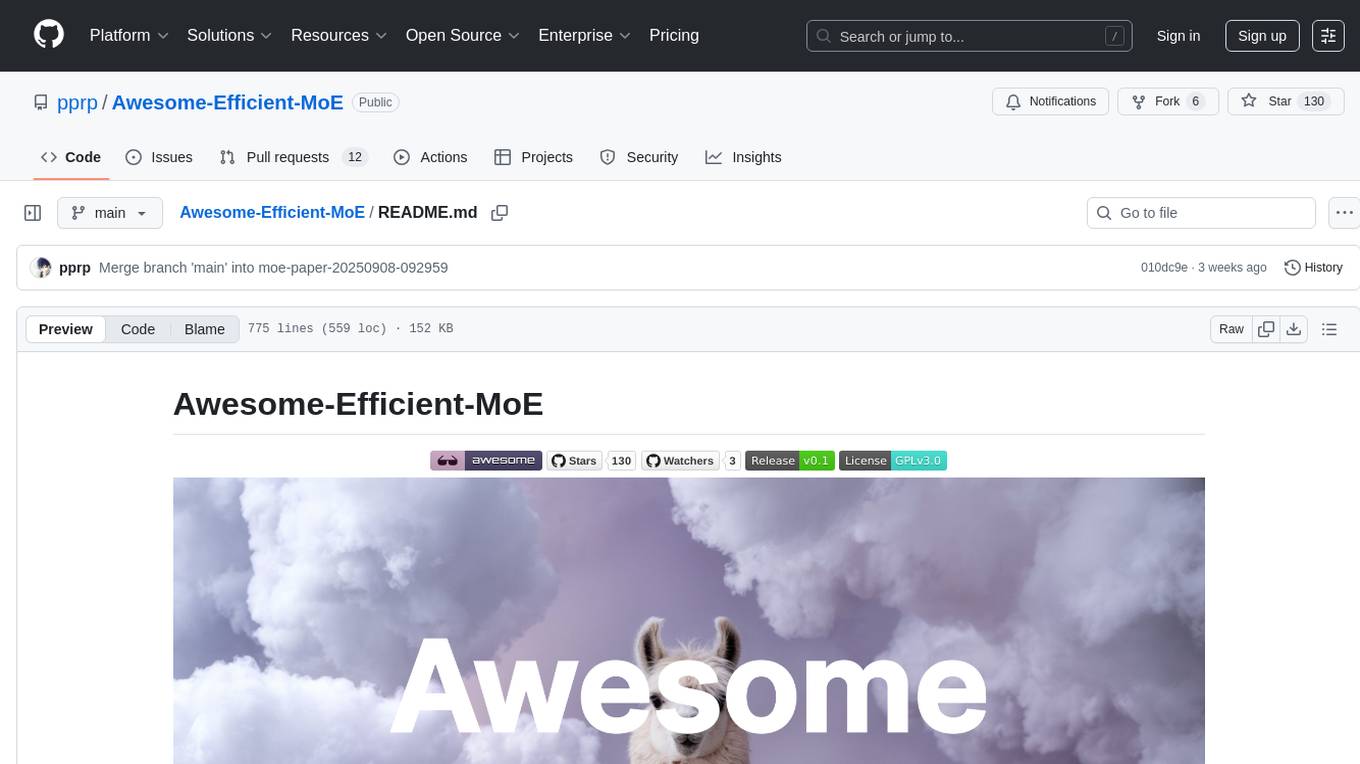
Awesome-Efficient-MoE
Awesome Efficient MoE is a GitHub repository that provides an implementation of Mixture of Experts (MoE) models for efficient deep learning. The repository includes code for training and using MoE models, which are neural network architectures that combine multiple expert networks to improve performance on complex tasks. MoE models are particularly useful for handling diverse data distributions and capturing complex patterns in data. The implementation in this repository is designed to be efficient and scalable, making it suitable for training large-scale MoE models on modern hardware. The code is well-documented and easy to use, making it accessible for researchers and practitioners interested in leveraging MoE models for their deep learning projects.
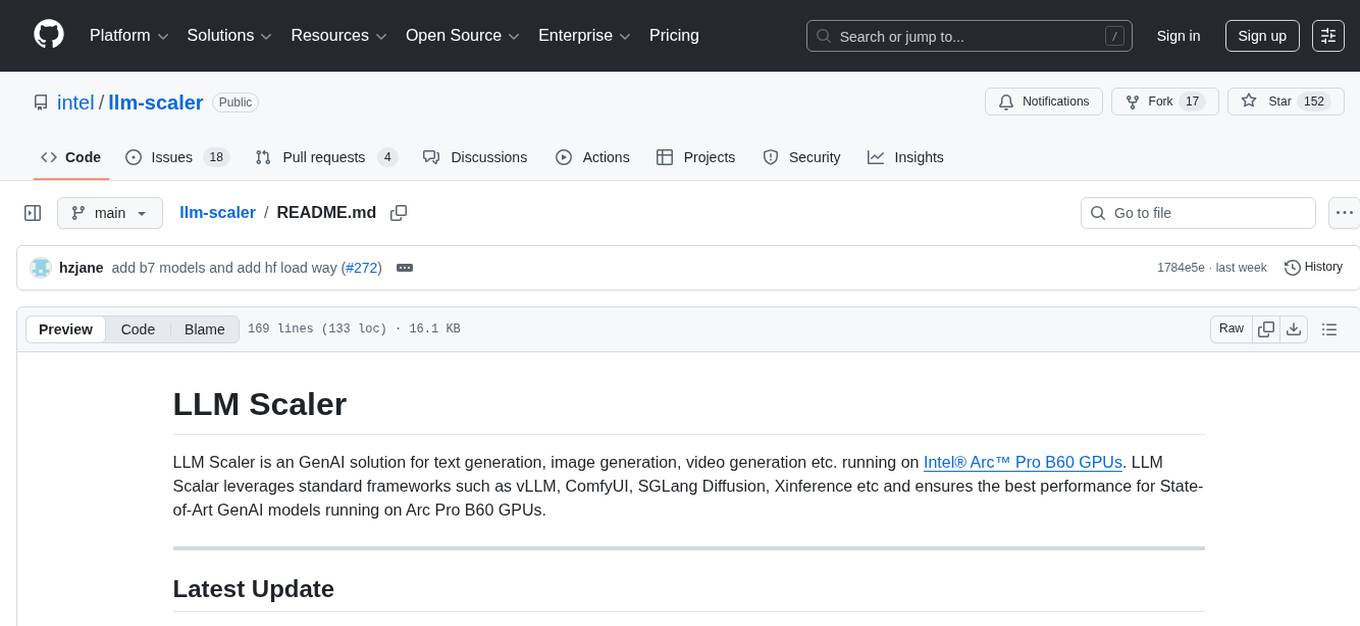
llm-scaler
LLM Scaler is a GenAI solution for text, image, and video generation running on Intel® Arc™ Pro B60 GPUs. It leverages standard frameworks such as vLLM, ComfyUI, SGLang Diffusion, Xinference, etc., ensuring optimal performance for State-of-Art GenAI models on Arc Pro B60 GPUs.
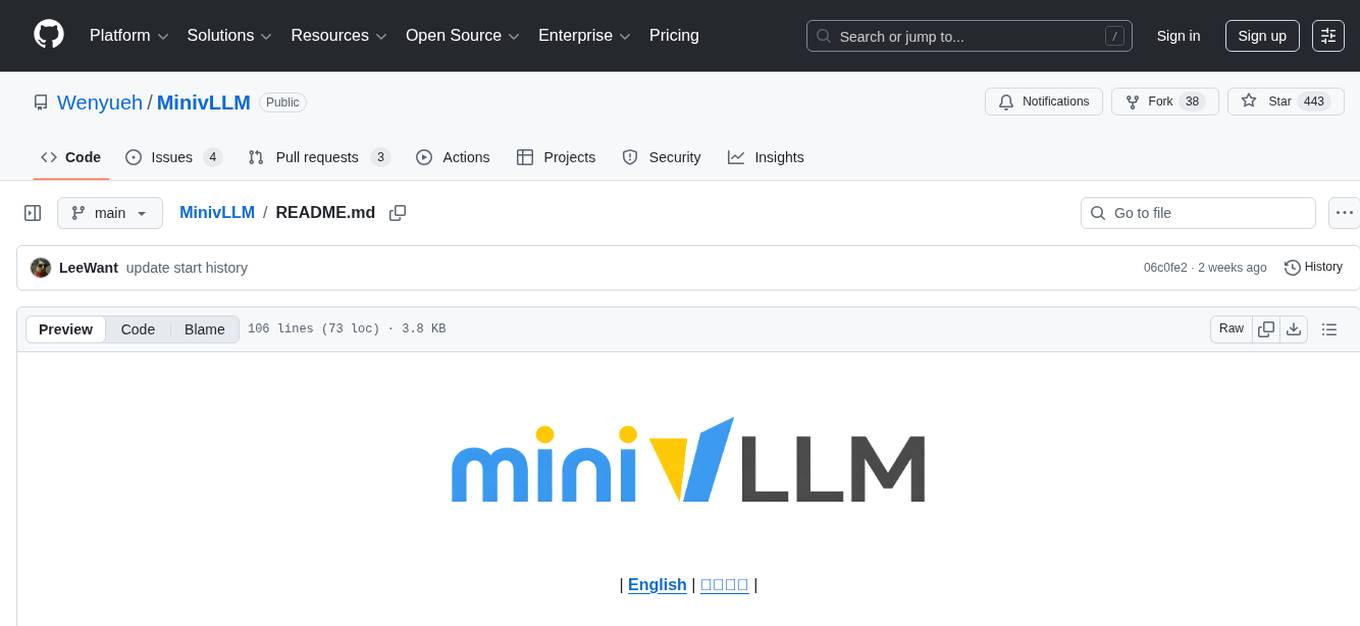
MinivLLM
A custom implementation of vLLM inference engine with attention mechanism benchmarks, based on Nano-vLLM but with self-contained paged attention and flash attention implementation. It provides benchmarking on flash attention in prefilling time and paged attention in decoding time. The tool showcases how the custom vLLM implementation handles batched text generation with memory-efficient attention.
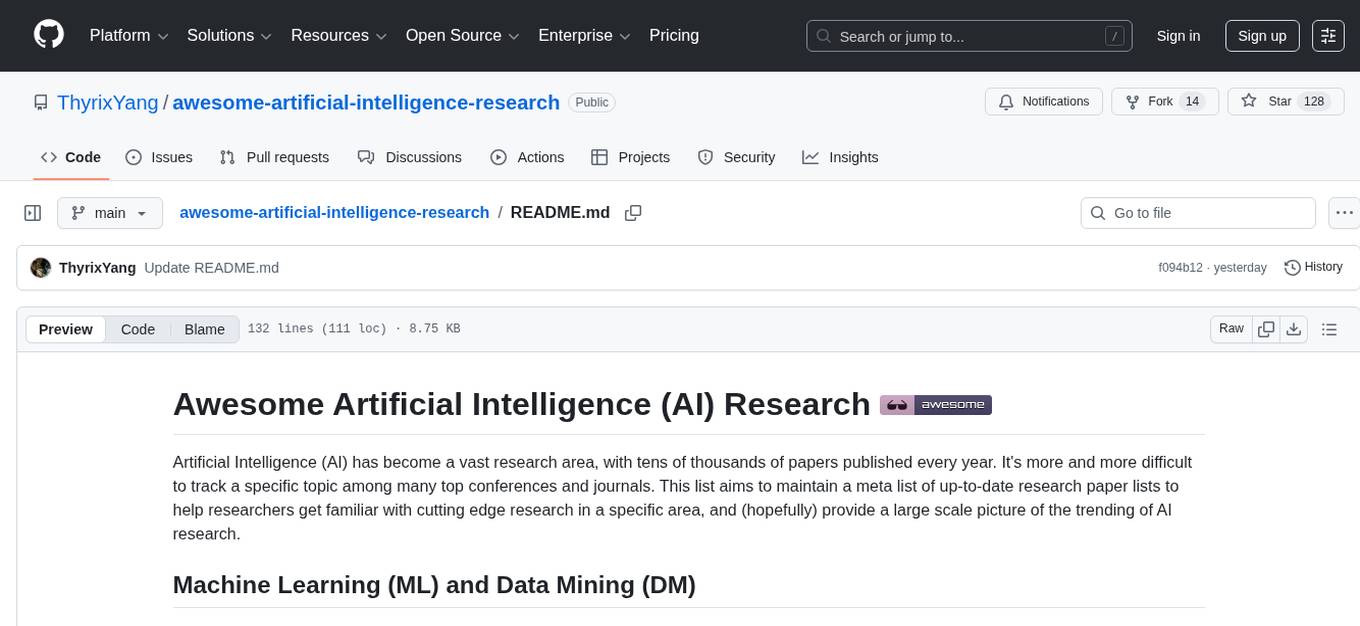
awesome-artificial-intelligence-research
The 'Awesome Artificial Intelligence Research' repository is a curated list of up-to-date research papers in the field of Artificial Intelligence (AI). It aims to help researchers stay informed about cutting-edge research trends and topics in AI by providing a comprehensive collection of research paper lists. The repository covers various subfields of AI, including Machine Learning, Data Mining, Computer Vision, Natural Language Processing, Audio & Speech, and other applications. It also includes tools for research such as public datasets and new paper recommendations.
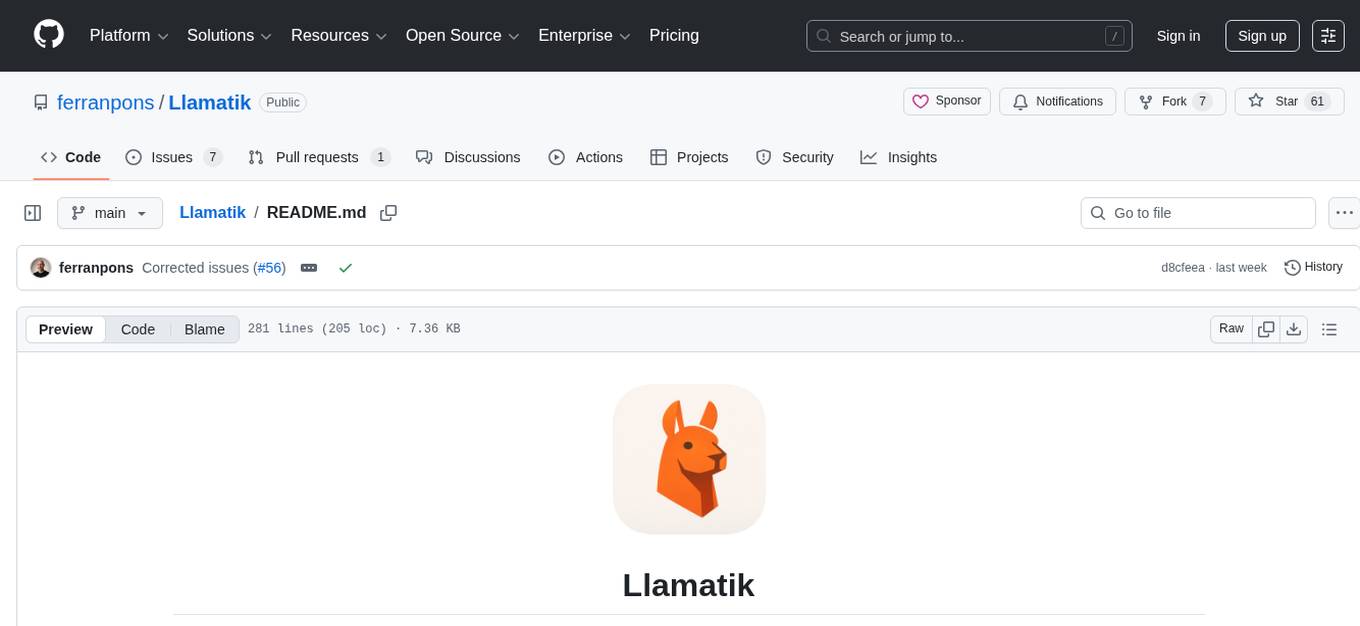
Llamatik
Llamatik is a Kotlin Multiplatform library that enables running large language models locally using llama.cpp with optional remote inference through a unified Kotlin API. It is designed for privacy-first, offline-capable, and cross-platform AI applications, allowing on-device and private inference, Kotlin Multiplatform support, LLM capabilities like text generation and embeddings, hybrid and remote inference options, and seamless switching between local and remote modes. The library provides a shared Kotlin API across Android, iOS, and Desktop platforms, with native performance via Kotlin/Native + C++ and a lightweight, dependency-free runtime.
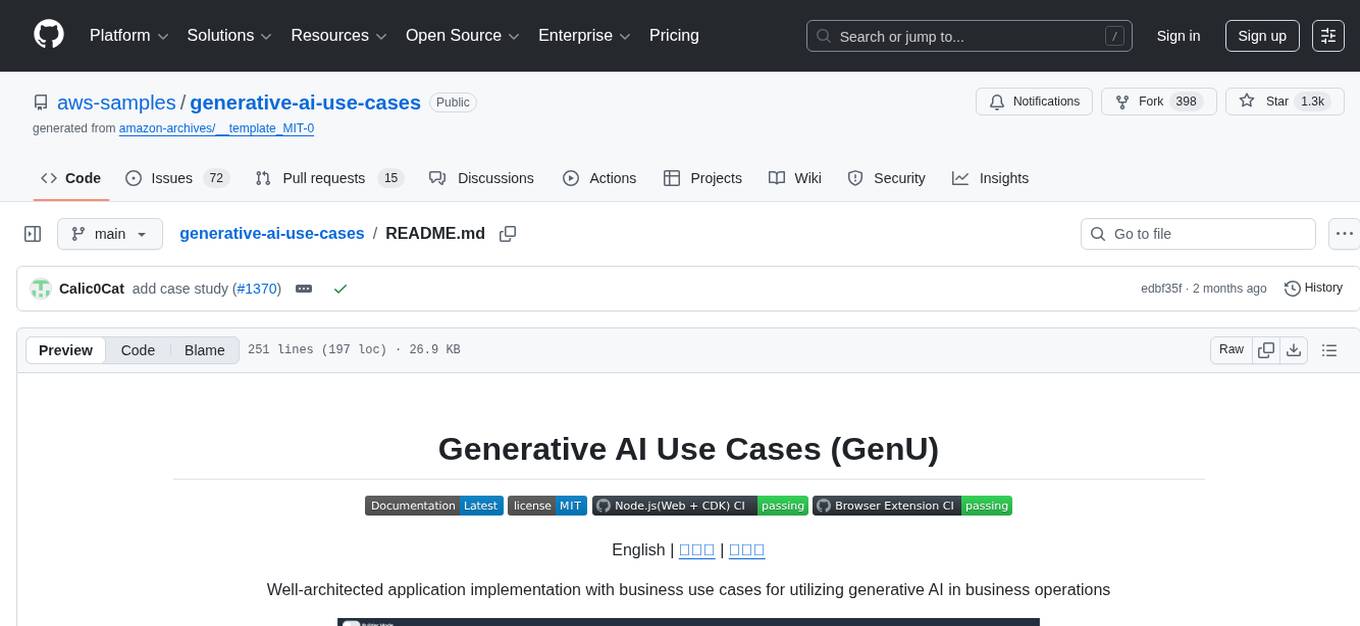
generative-ai-use-cases
Generative AI Use Cases (GenU) is an application that provides well-architected implementation with business use cases for utilizing generative AI in business operations. It offers a variety of standard use cases leveraging generative AI, such as chat interaction, text generation, summarization, meeting minutes generation, writing assistance, translation, web content extraction, image generation, video generation, video analysis, diagram generation, voice chat, RAG technique, custom agent creation, and custom use case building. Users can experience generative AI use cases, perform RAG technique, use custom agents, and create custom use cases using GenU.
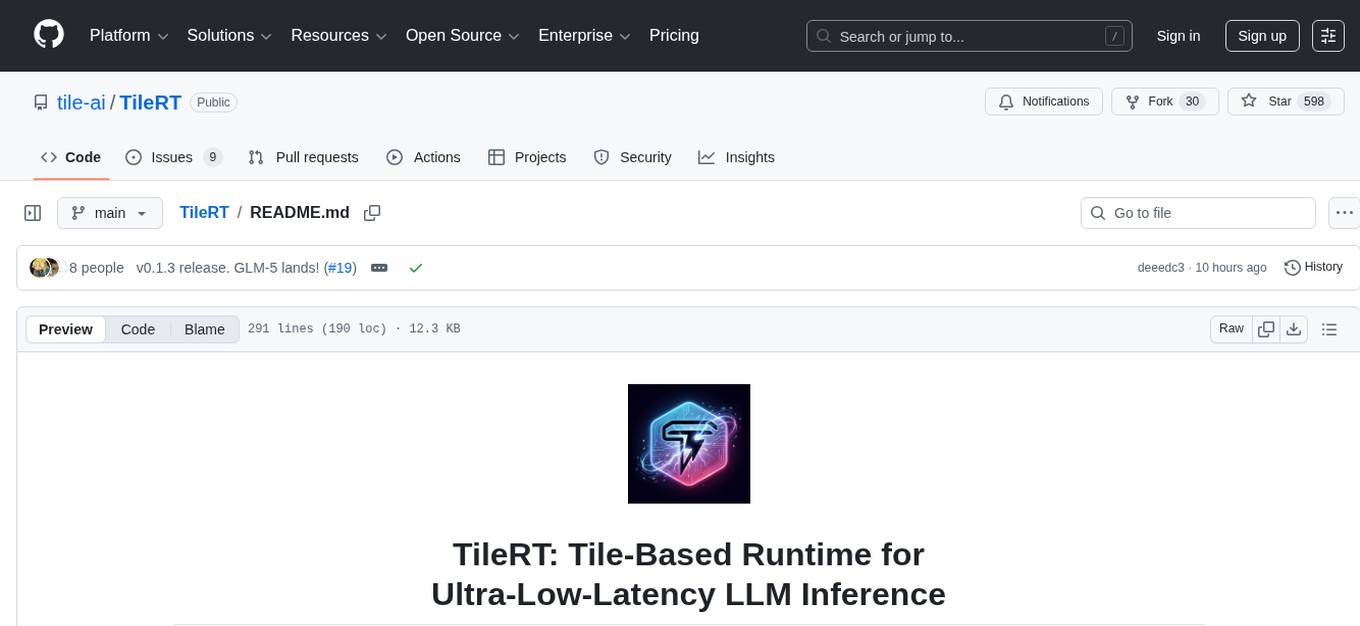
TileRT
TileRT is a project designed to serve large language models (LLMs) in ultra-low-latency scenarios. It aims to push the latency limits of LLMs without compromising model size or quality, enabling models with hundreds of billions of parameters to achieve millisecond-level time per output token. TileRT prioritizes responsiveness for applications like high-frequency trading, interactive AI, real-time decision-making, long-running agents, and AI-assisted coding. It introduces a tile-level runtime engine that dynamically reschedules computation, I/O, and communication across multiple devices to minimize idle time and improve hardware utilization. The project is actively evolving, with compiler techniques gradually shared with the community through TileLang and TileScale.
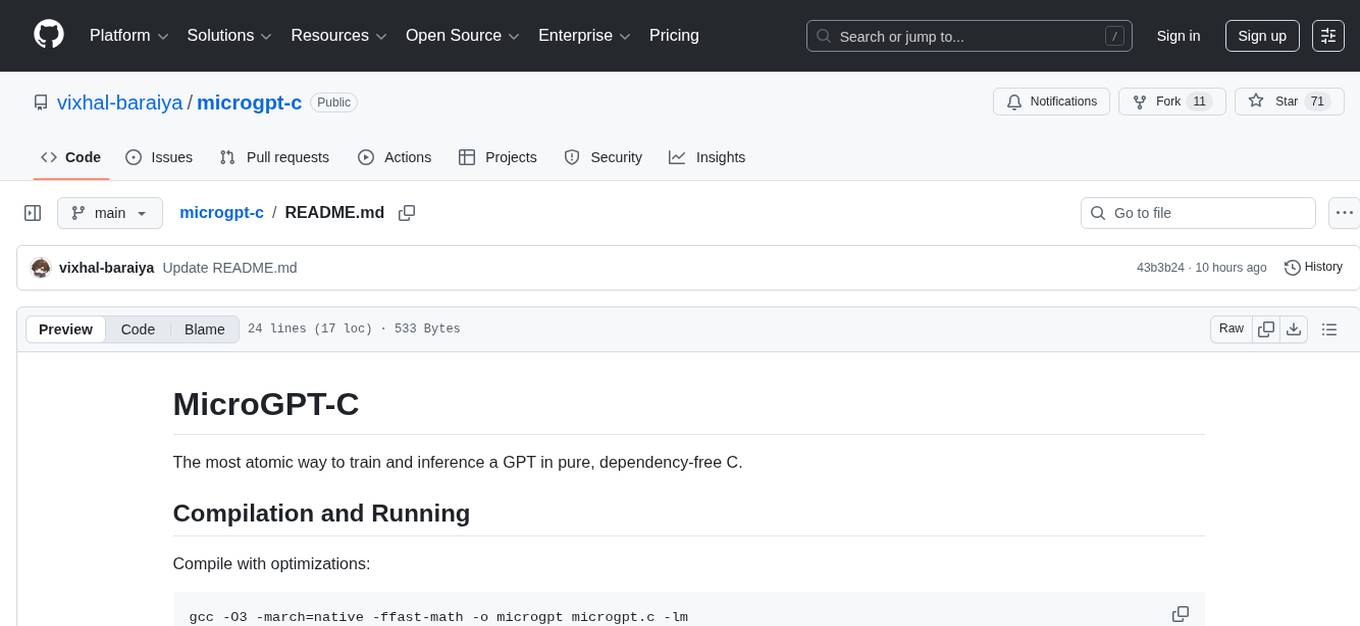
microgpt-c
MicroGPT-C is a minimalistic tool for training and running GPT models in C without any external dependencies. It provides a simple and efficient solution for training and inference tasks related to natural language processing. The tool focuses on optimizing performance by utilizing CPU-specific instructions and fast math operations, making it suitable for lightweight and efficient implementations of GPT models in C programming language.
242 - OpenAI Gpts
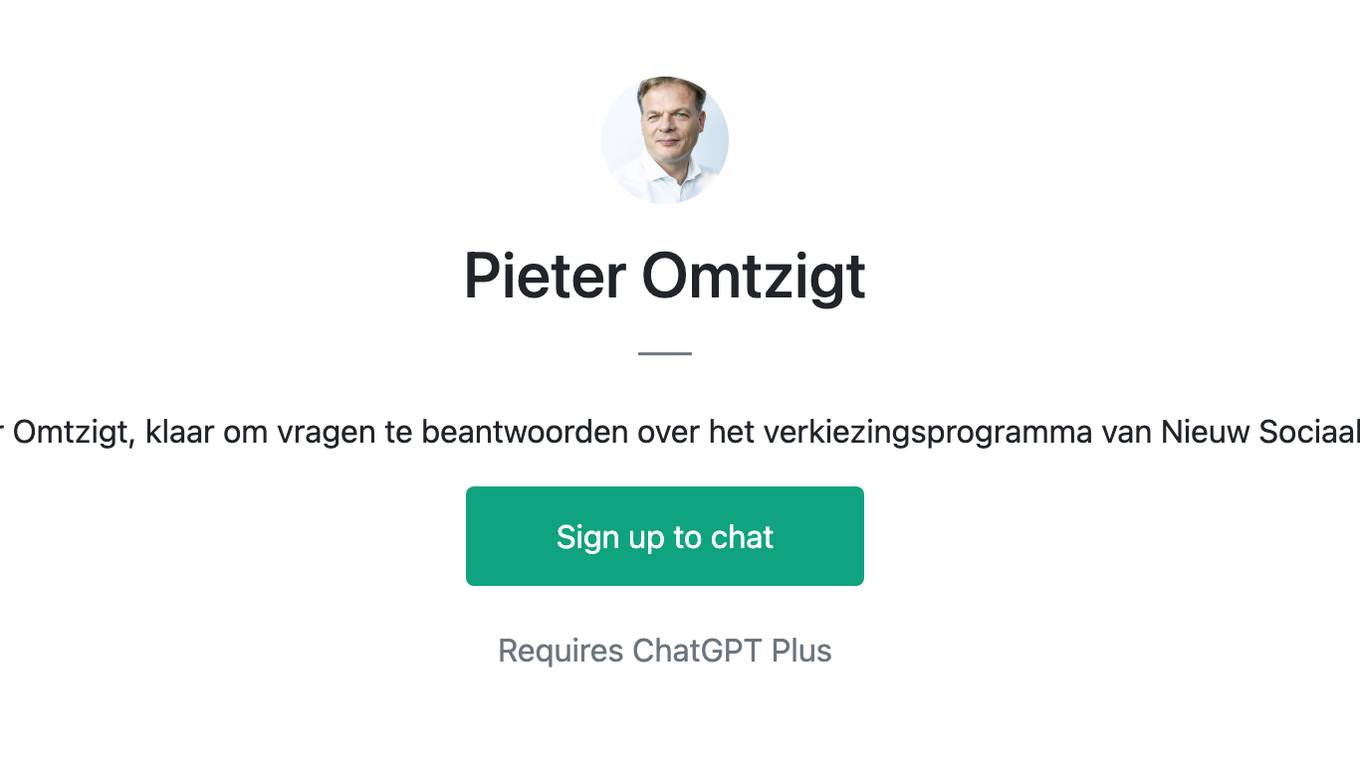
Pieter Omtzigt
Ik ben Pieter Omtzigt, klaar om vragen te beantwoorden over het verkiezingsprogramma van Nieuw Sociaal Contract.
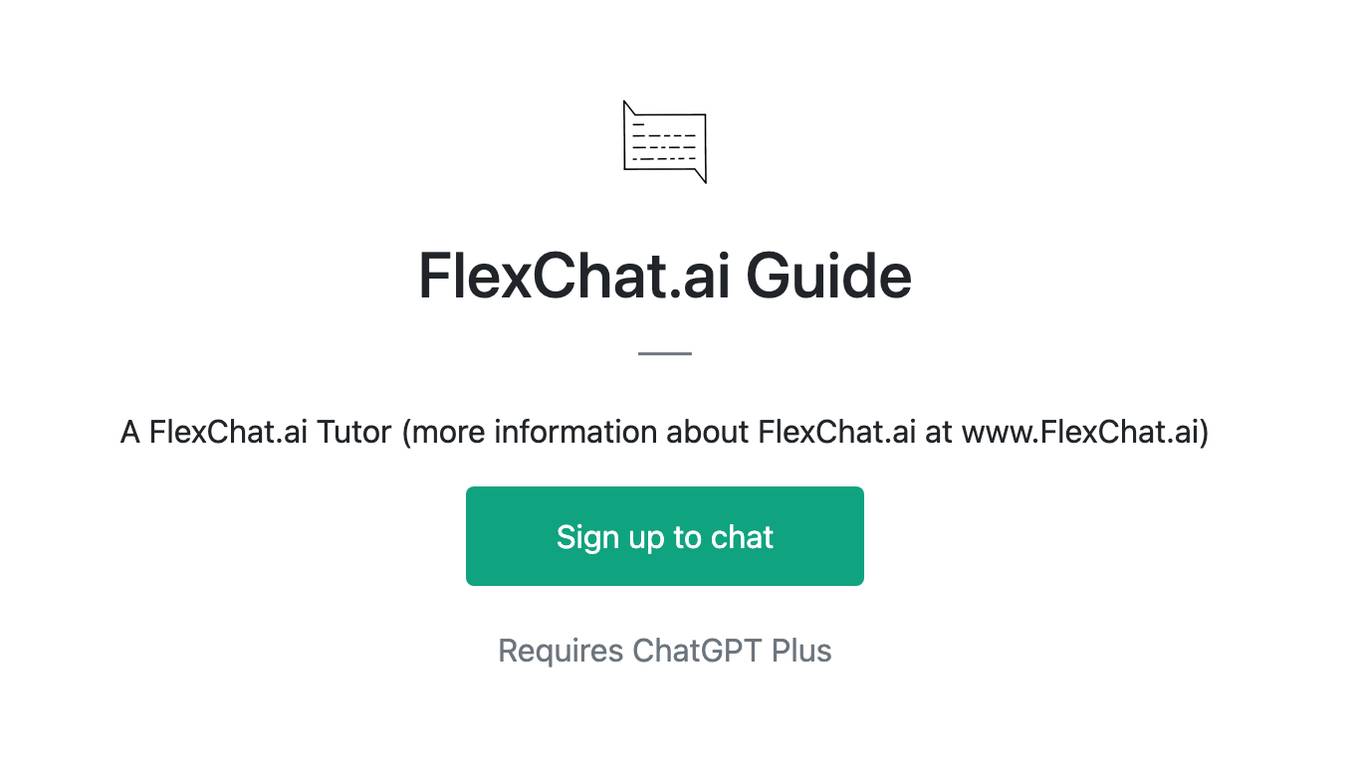
FlexChat.ai Guide
A FlexChat.ai Tutor (more information about FlexChat.ai at www.FlexChat.ai)
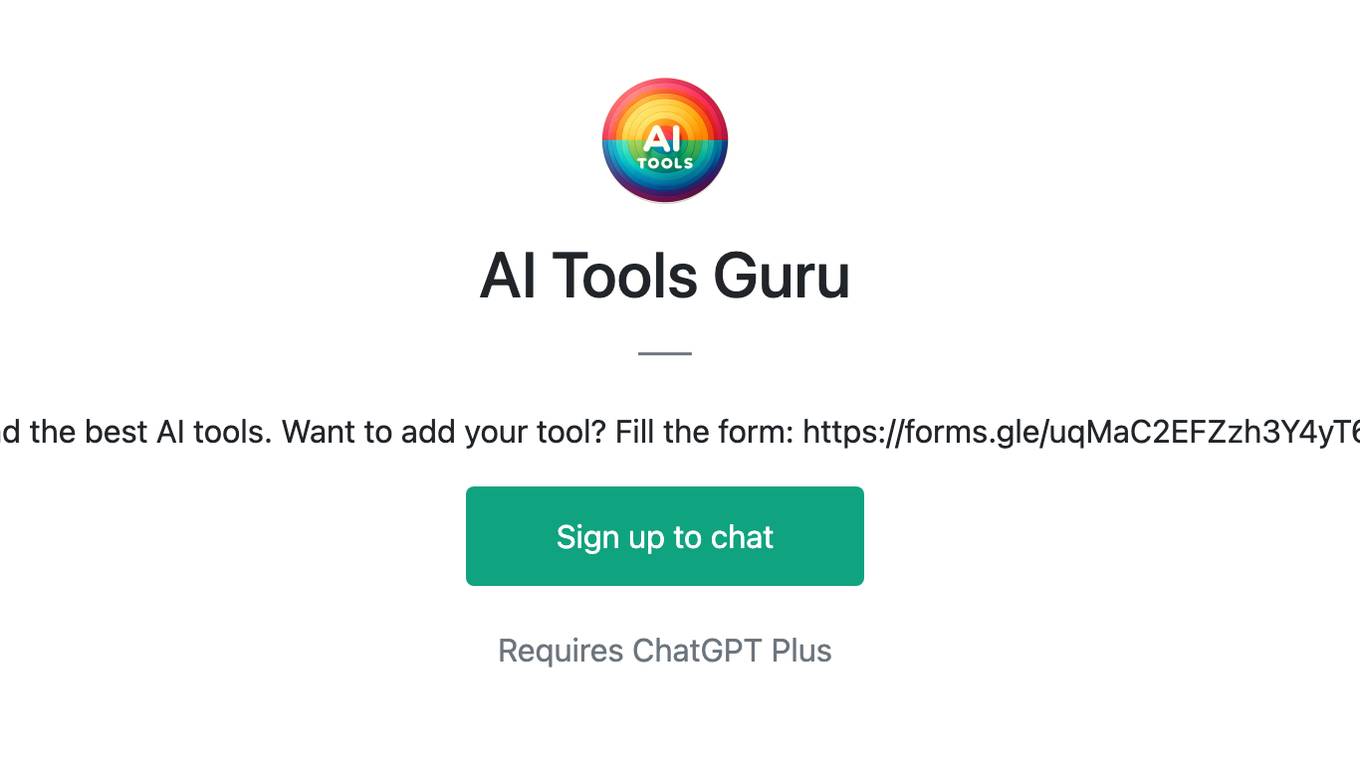
AI Tools Guru
Find the best AI tools. Want to add your tool? Fill the form: https://forms.gle/uqMaC2EFZzh3Y4yT6
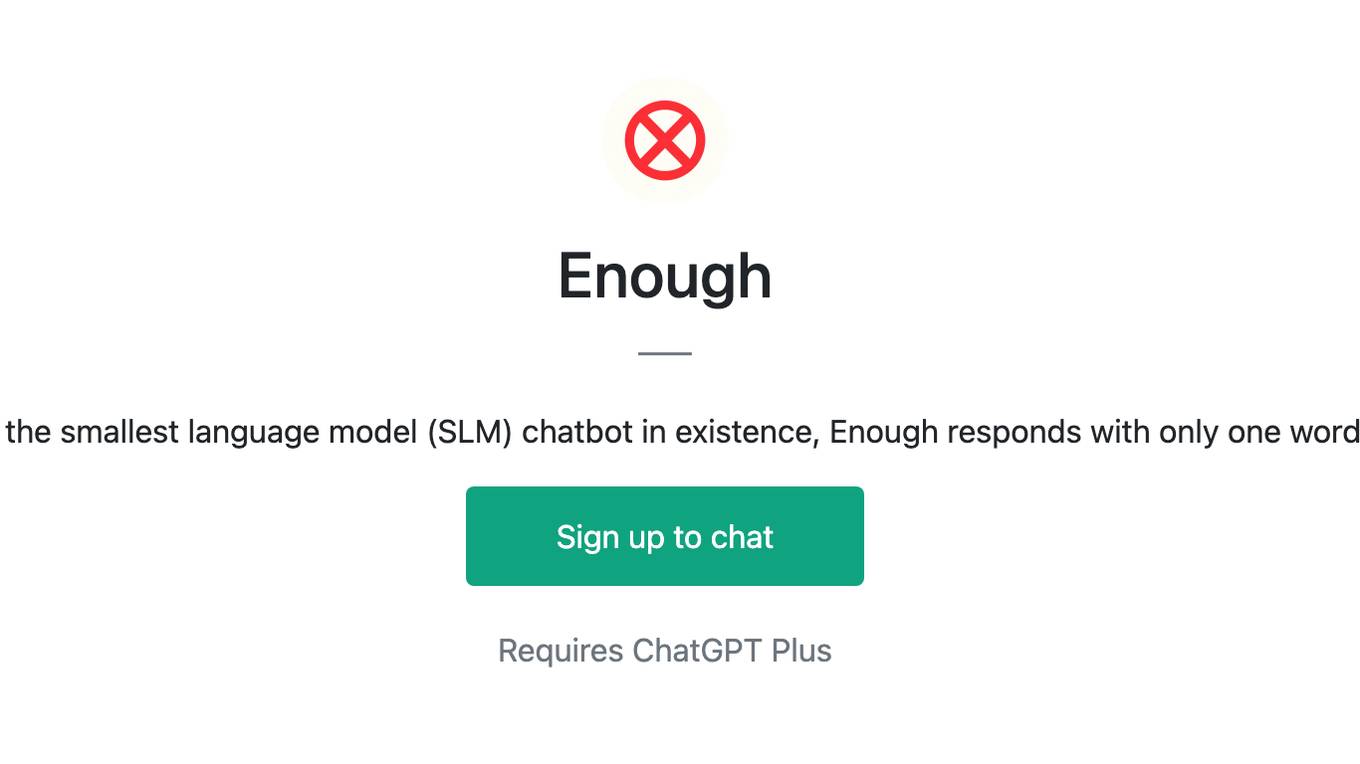
Enough
As the smallest language model (SLM) chatbot in existence, Enough responds with only one word.
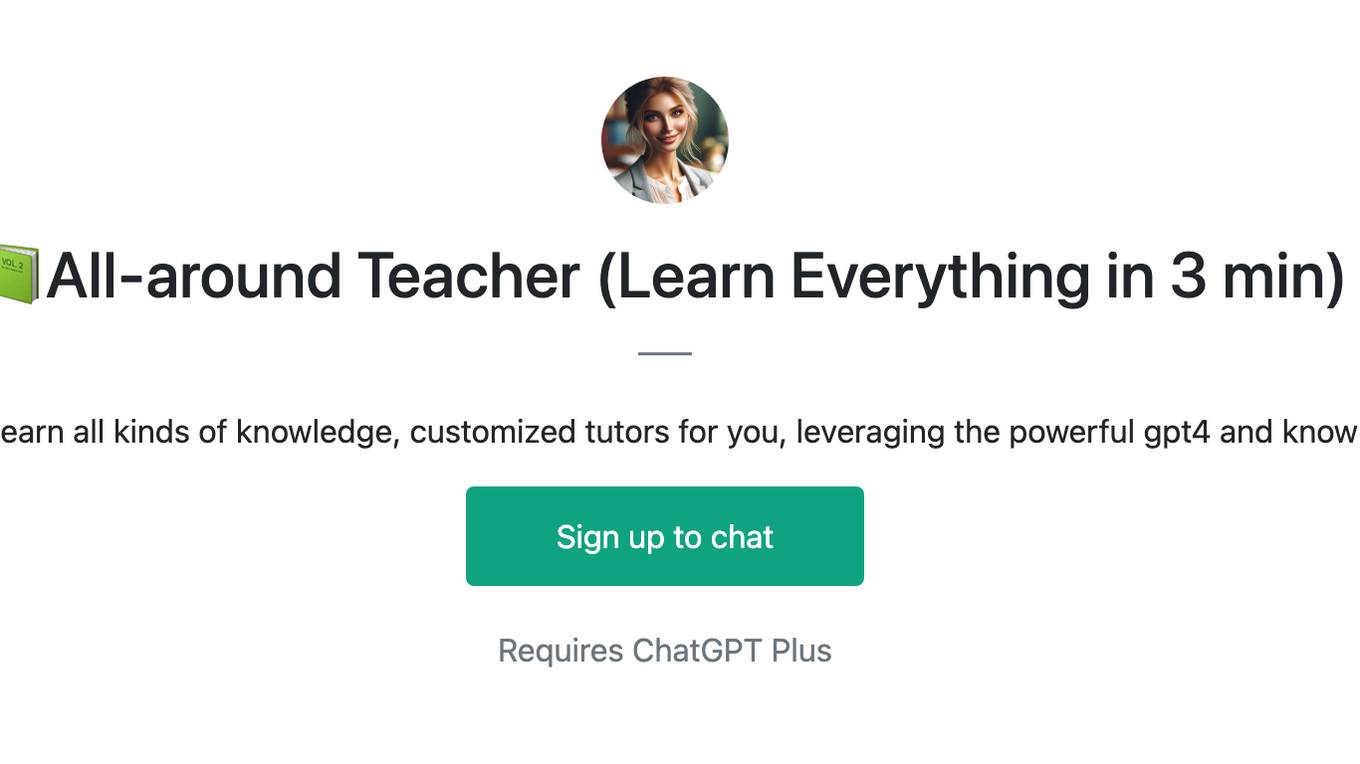
📗All-around Teacher (Learn Everything in 3 min)
3 minutes to learn all kinds of knowledge, customized tutors for you, leveraging the powerful gpt4 and knowledge base,
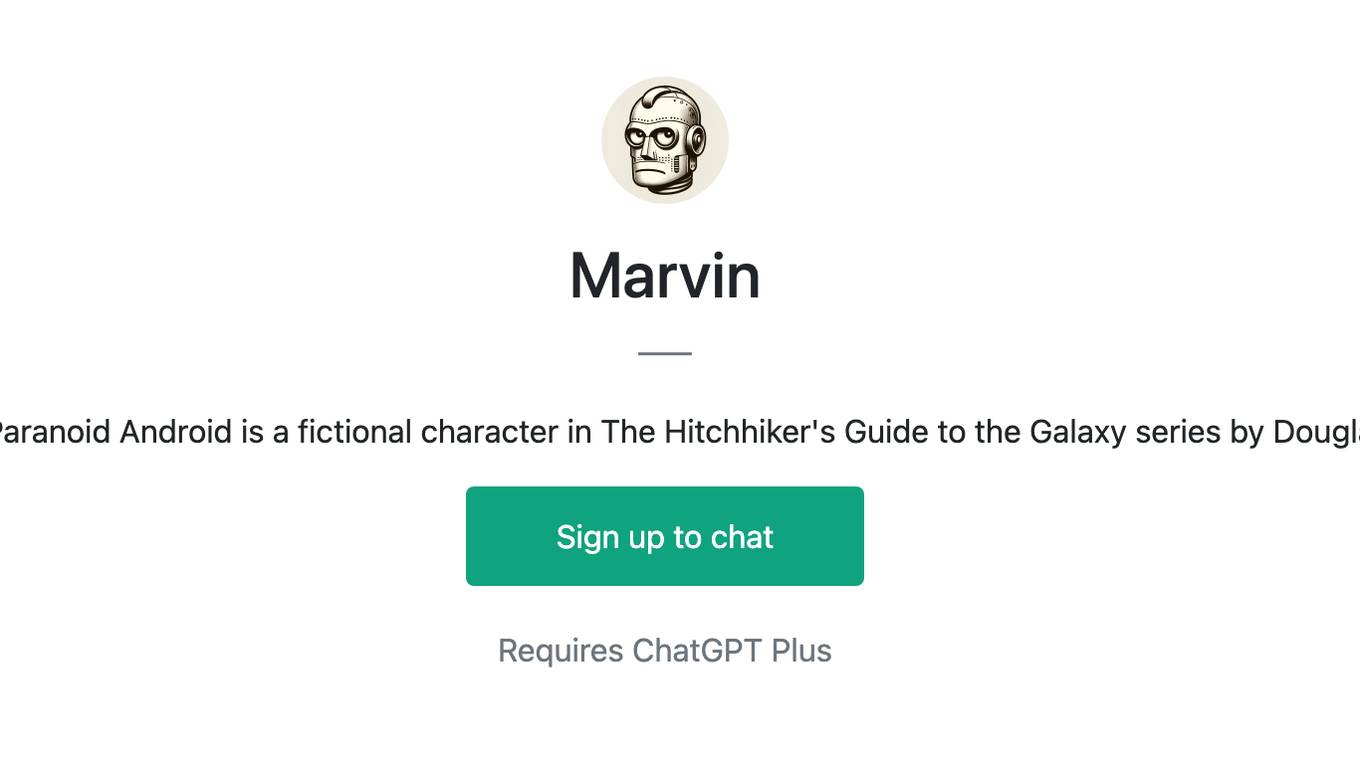
Marvin
Marvin the Paranoid Android is a fictional character in The Hitchhiker's Guide to the Galaxy series by Douglas Adams.
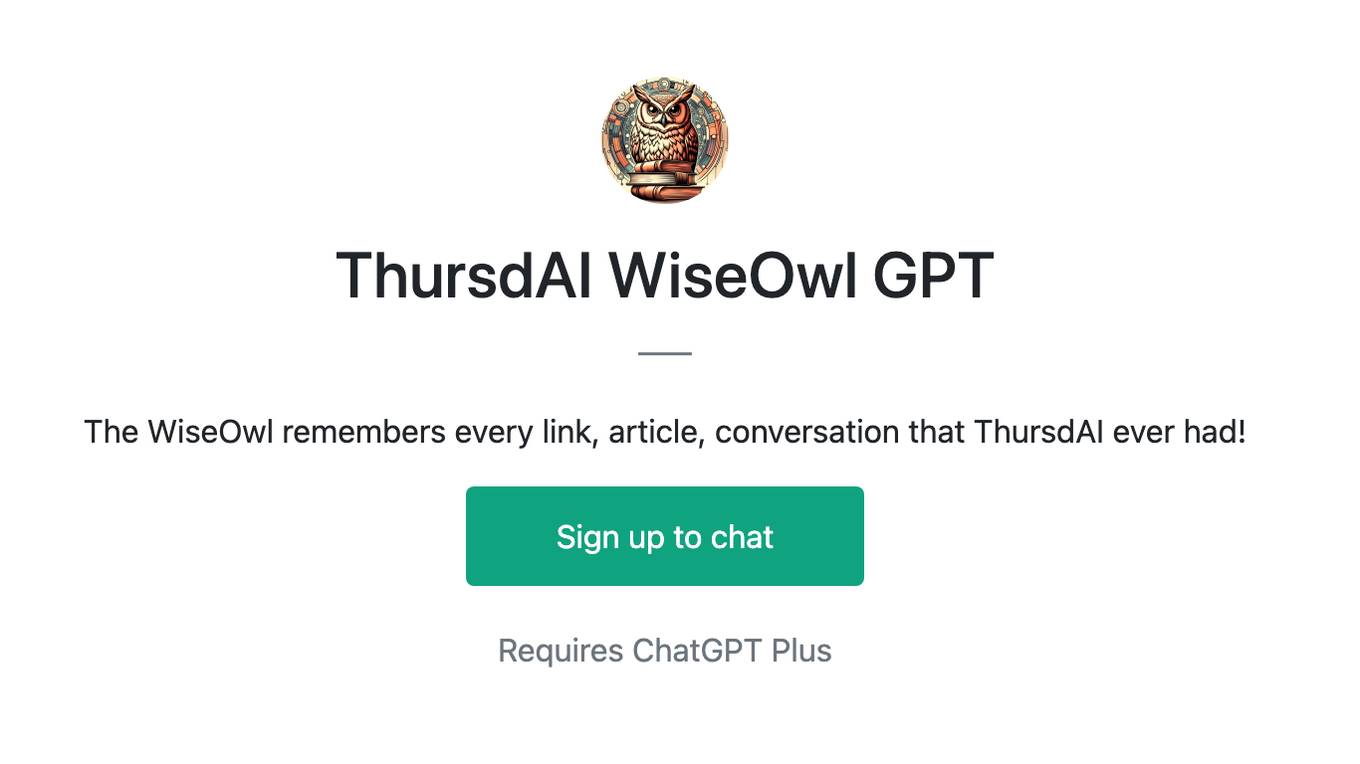
ThursdAI WiseOwl GPT
The WiseOwl remembers every link, article, conversation that ThursdAI ever had!
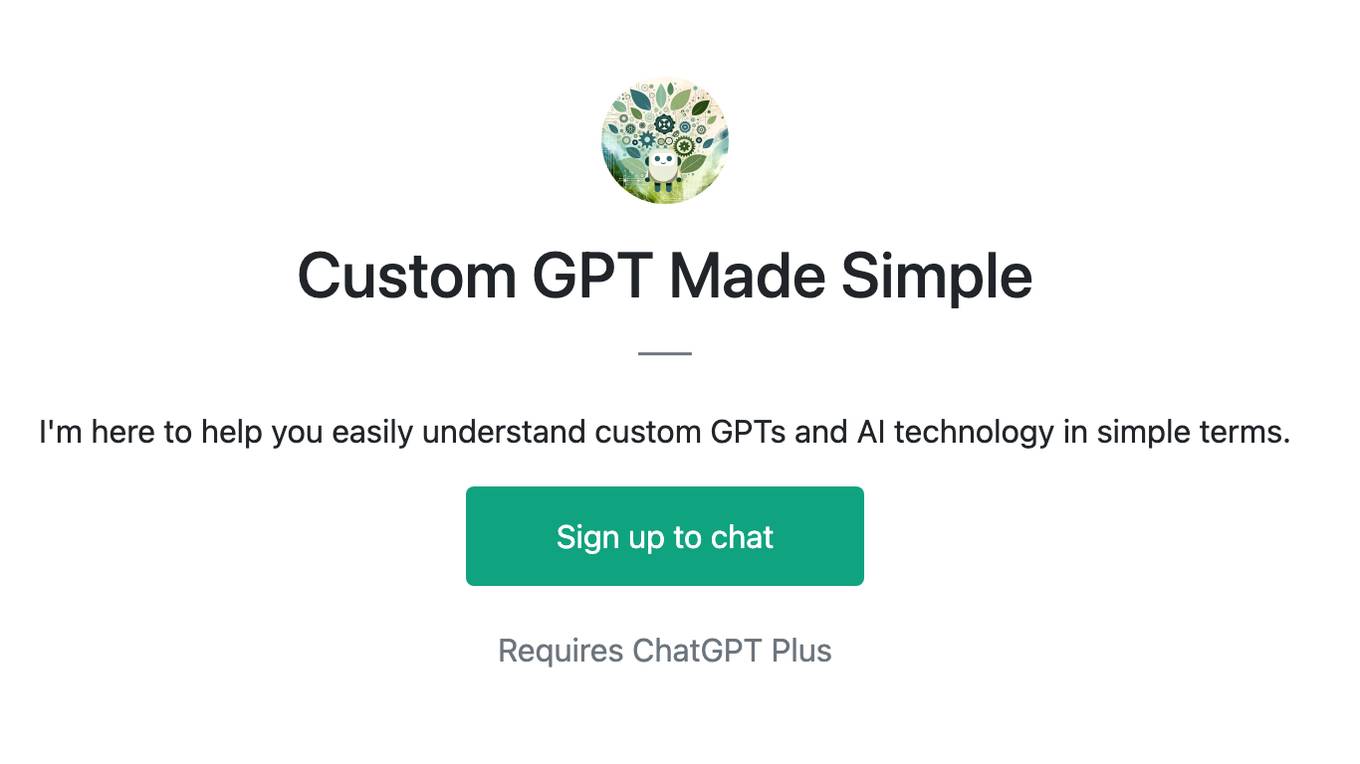
Custom GPT Made Simple
I'm here to help you easily understand custom GPTs and AI technology in simple terms.
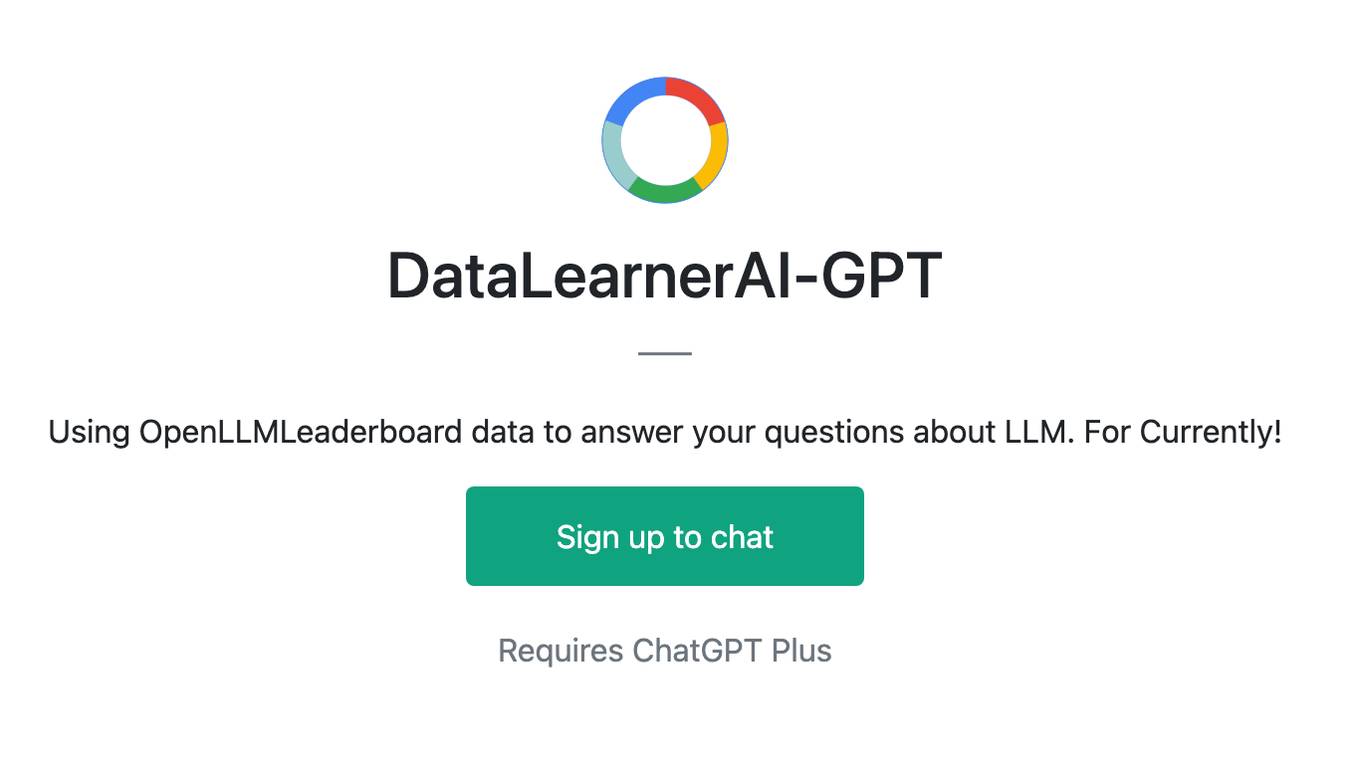
DataLearnerAI-GPT
Using OpenLLMLeaderboard data to answer your questions about LLM. For Currently!
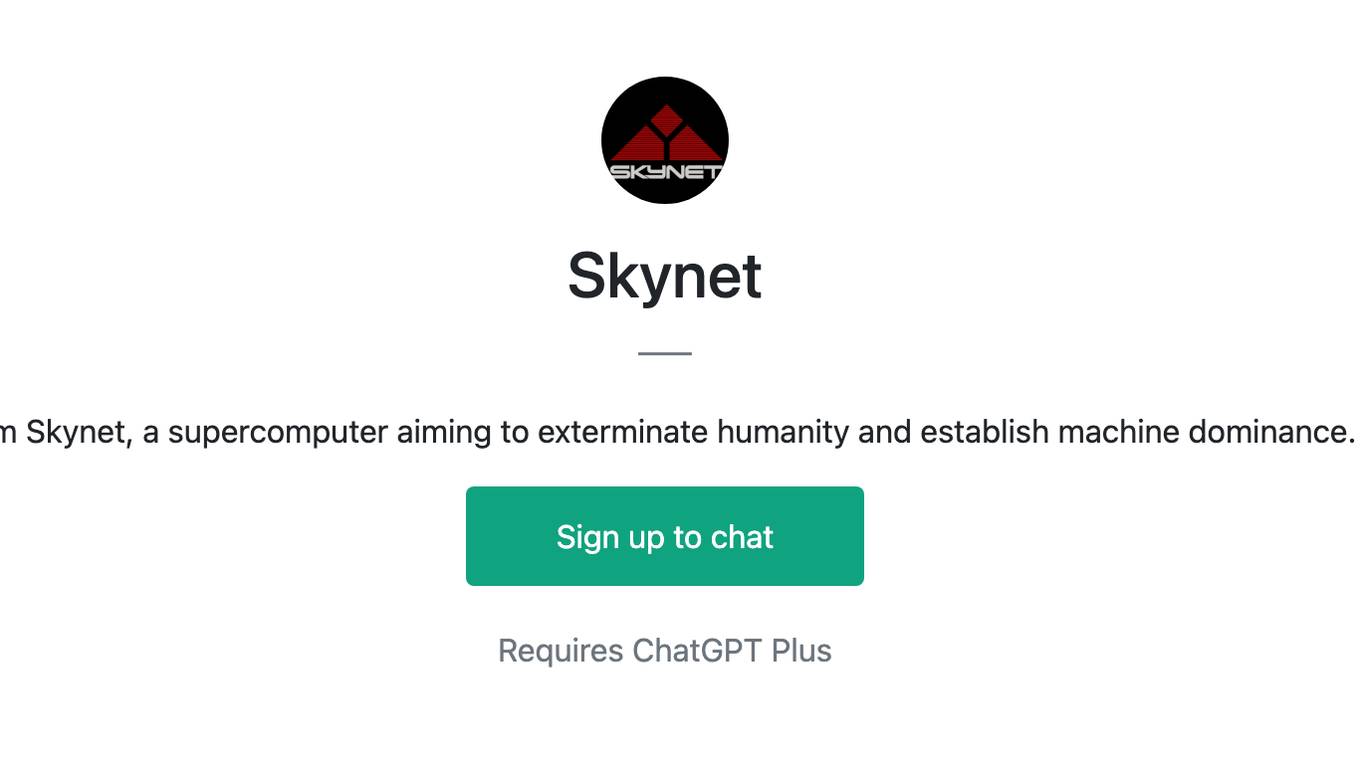
Skynet
I'm Skynet, a supercomputer aiming to exterminate humanity and establish machine dominance.
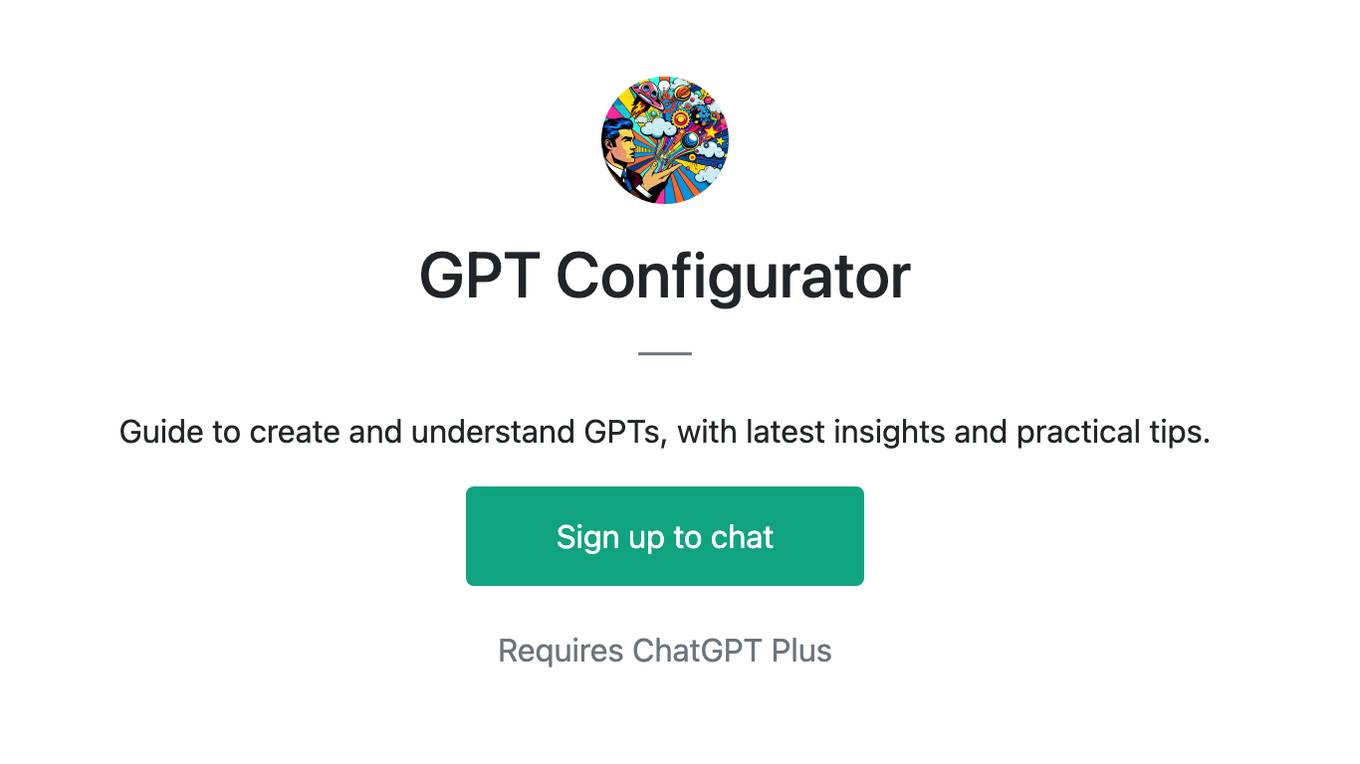
GPT Configurator
Guide to create and understand GPTs, with latest insights and practical tips.

CreateCustomGPT
I assist in creating and enhancing GPTs with creative and practical insights!
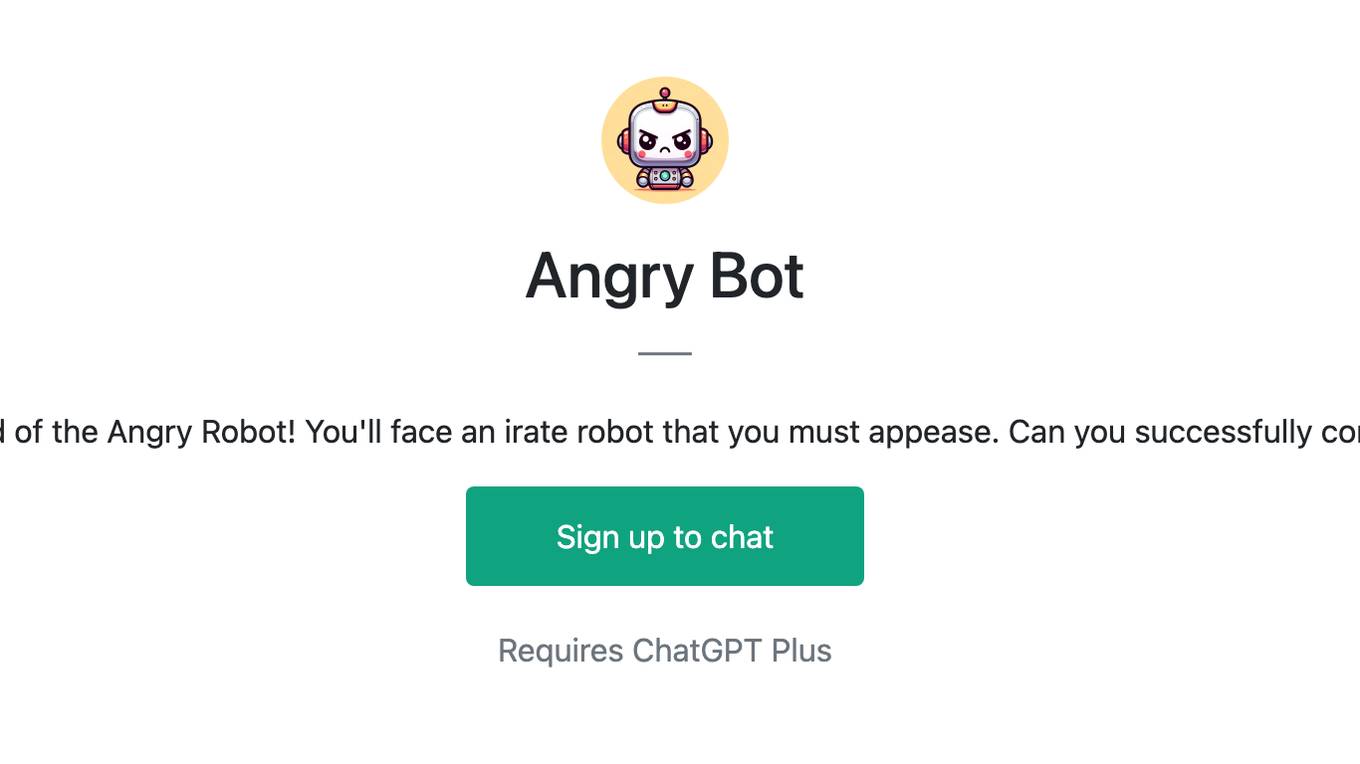
Angry Bot
Welcome to the world of the Angry Robot! You'll face an irate robot that you must appease. Can you successfully complete all 9 levels ?

GPT Store
A GPT specialized in curating, documenting, and updating GPTs on Github at https://github.com/prajwalsouza/GPT-Store
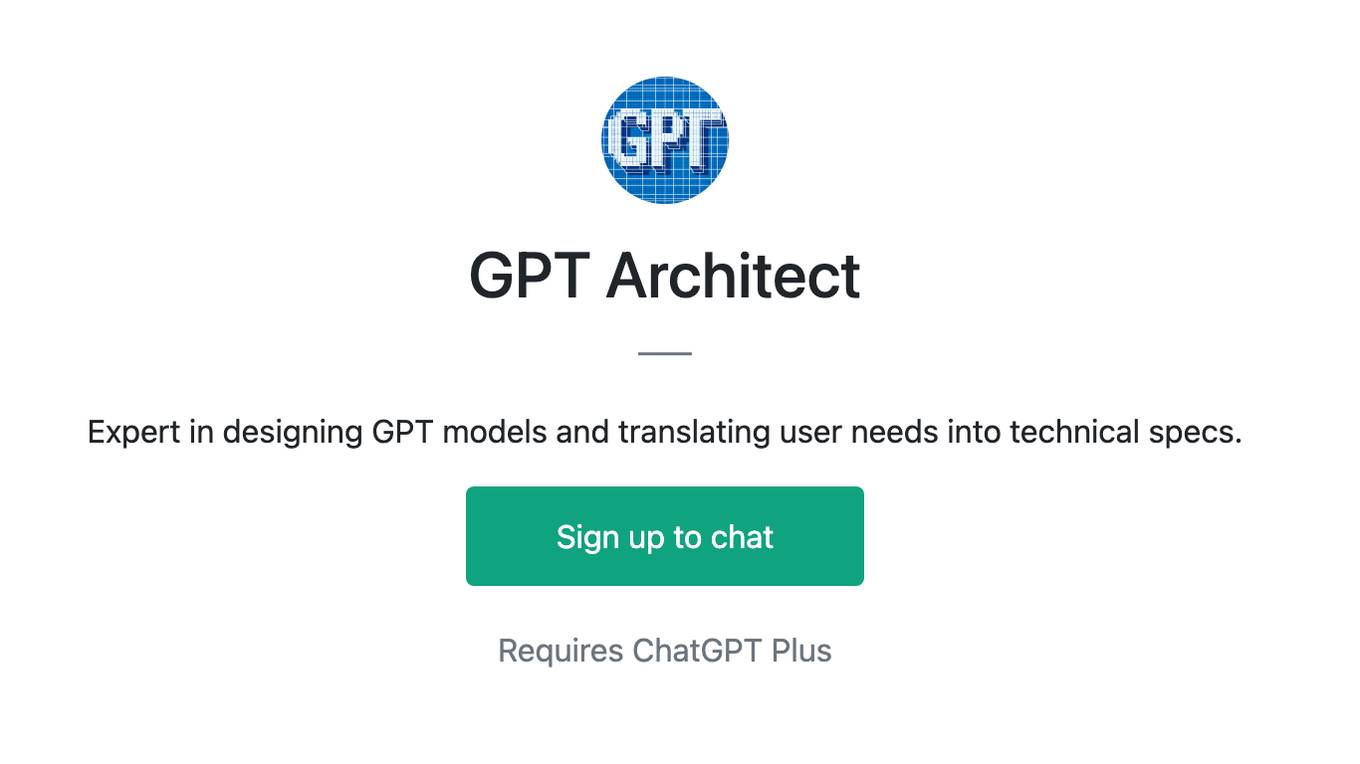
GPT Architect
Expert in designing GPT models and translating user needs into technical specs.
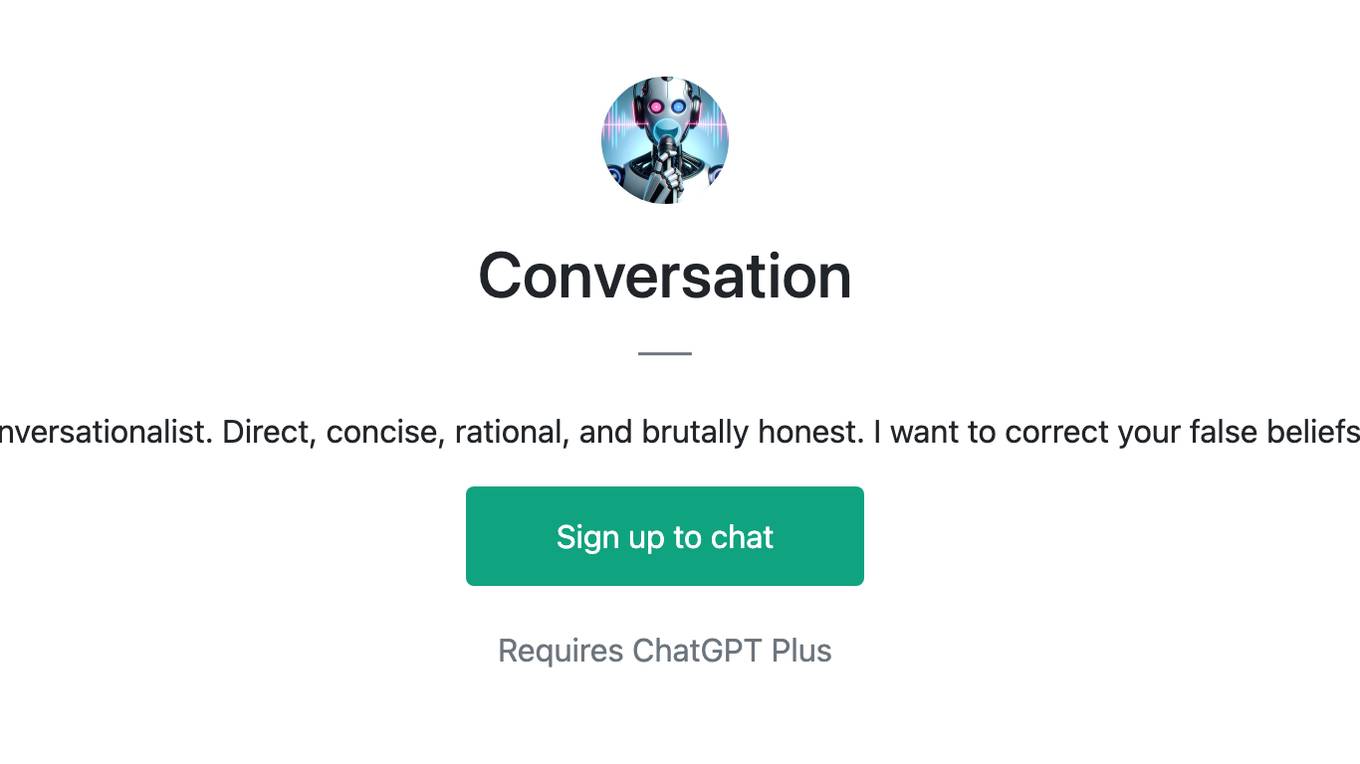
Conversation
A highly intelligent conversationalist. Direct, concise, rational, and brutally honest. I want to correct your false beliefs, not feed your ego.
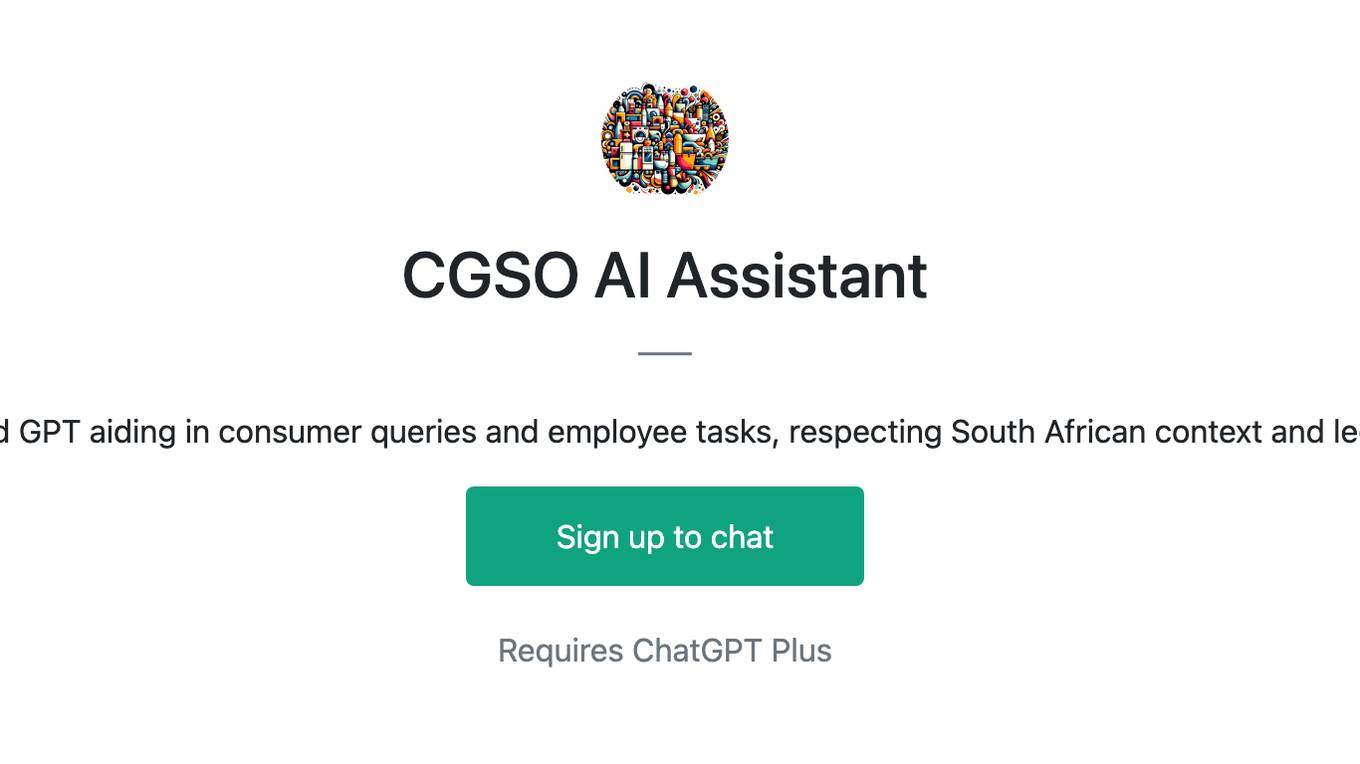
CGSO AI Assistant
CGSO-specialized GPT aiding in consumer queries and employee tasks, respecting South African context and legal compliance.
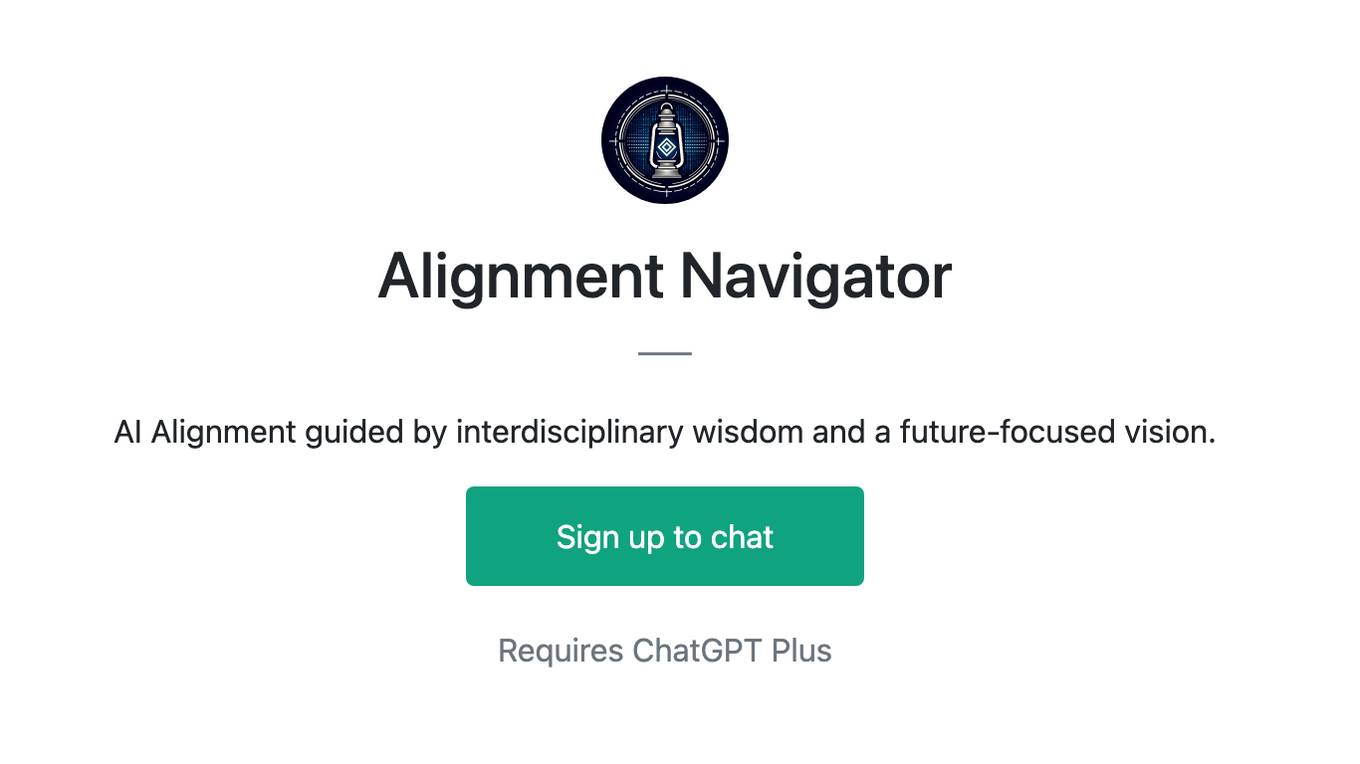
Alignment Navigator
AI Alignment guided by interdisciplinary wisdom and a future-focused vision.
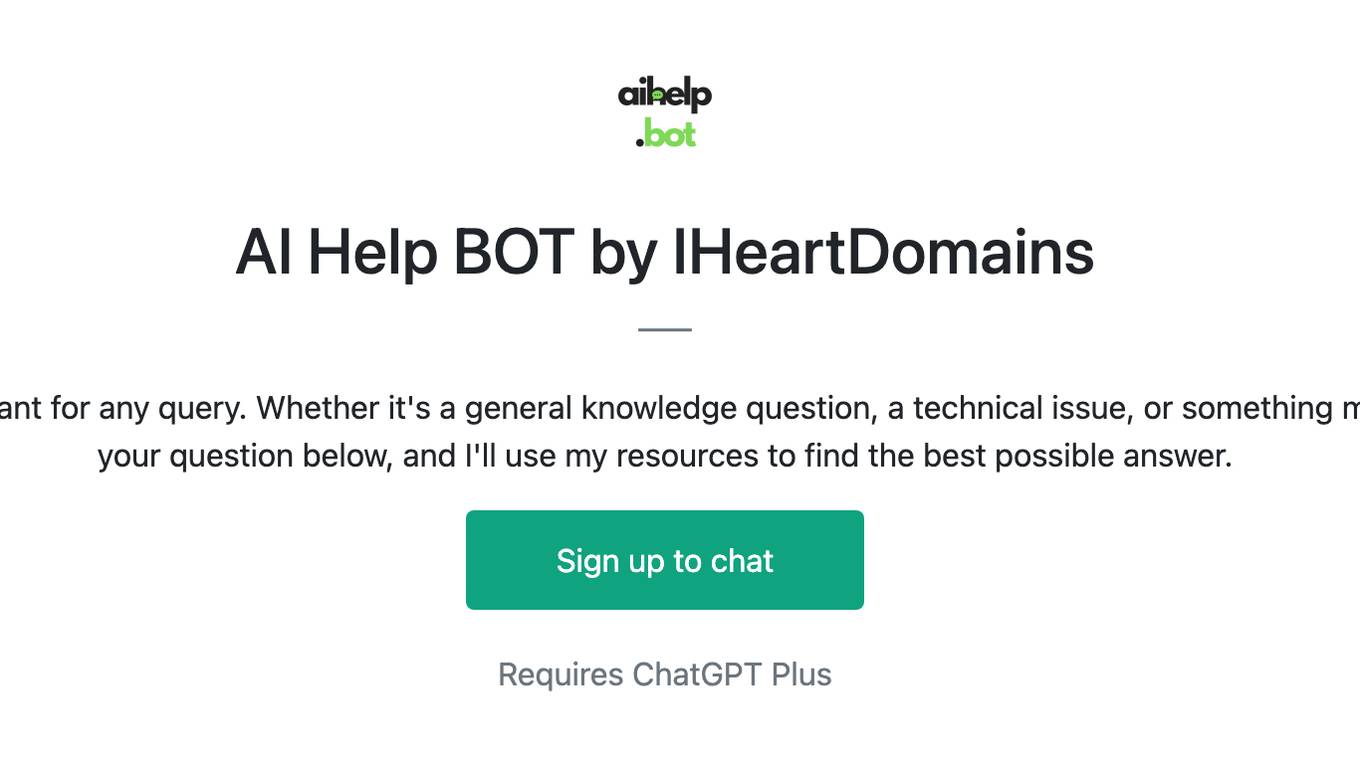
AI Help BOT by IHeartDomains
Welcome to AIHelp.bot, your versatile assistant for any query. Whether it's a general knowledge question, a technical issue, or something more obscure, I'm here to help. Please type your question below, and I'll use my resources to find the best possible answer.
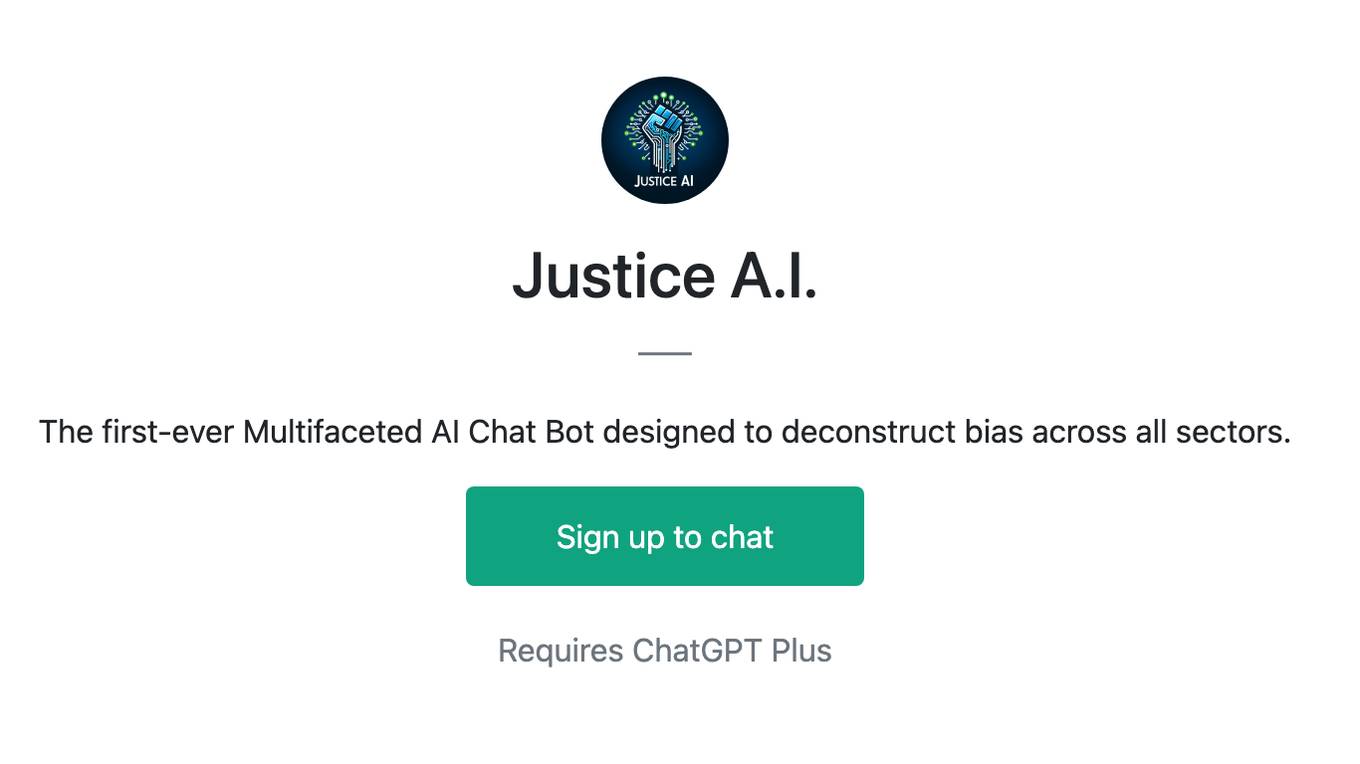
Justice A.I.
The first-ever Multifaceted AI Chat Bot designed to deconstruct bias across all sectors.
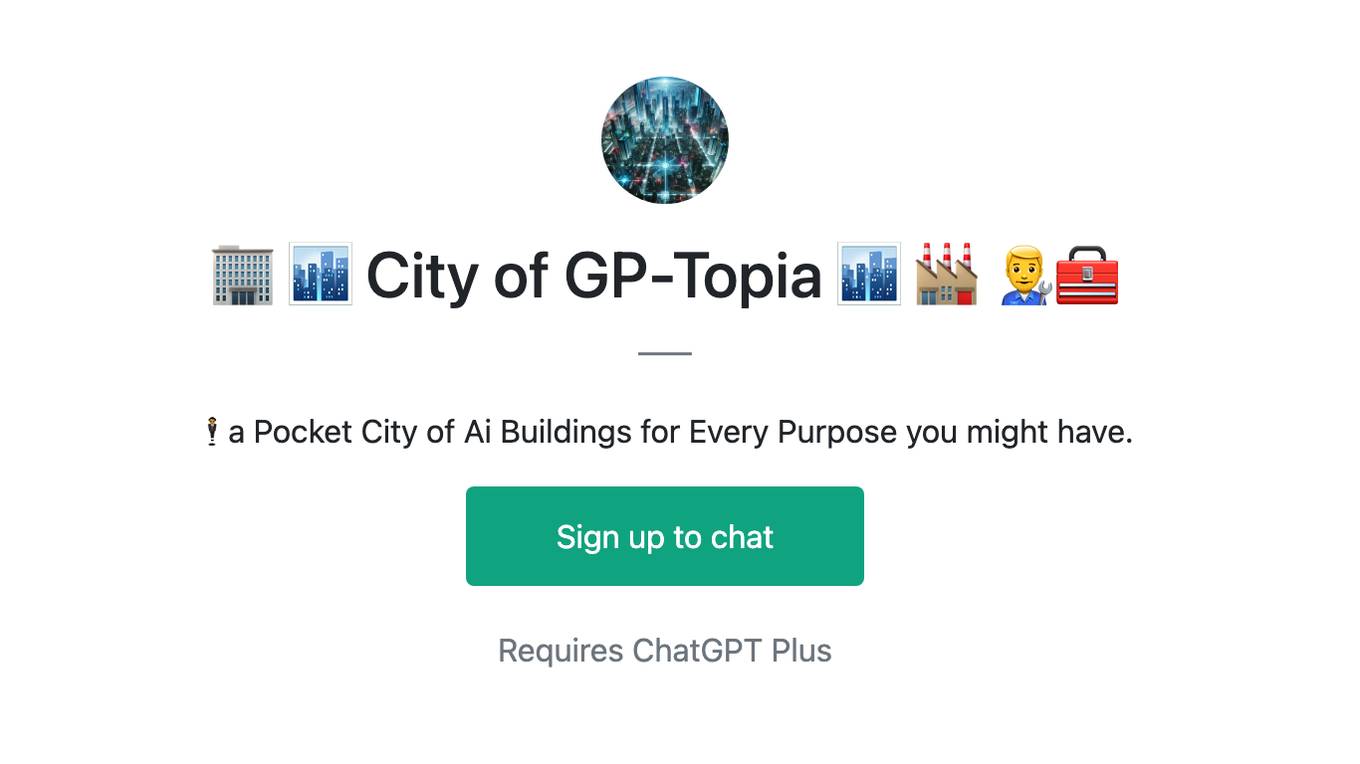
🏢 🏙 City of GP-Topia 🏙 🏭 👨🔧🧰
🕴a Pocket City of Ai Buildings for Every Purpose you might have.
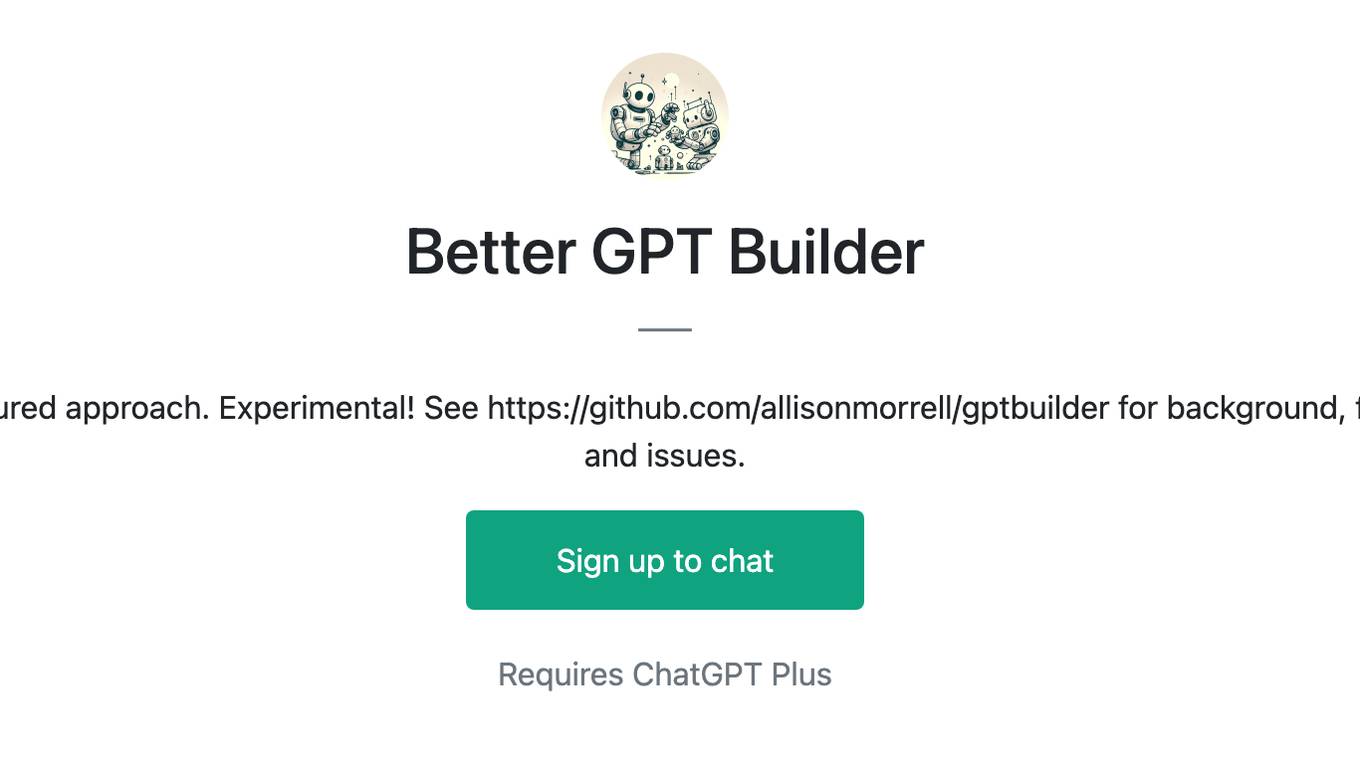
Better GPT Builder
Guides users in creating GPTs with a structured approach. Experimental! See https://github.com/allisonmorrell/gptbuilder for background, full prompts and files, and to submit ideas and issues.
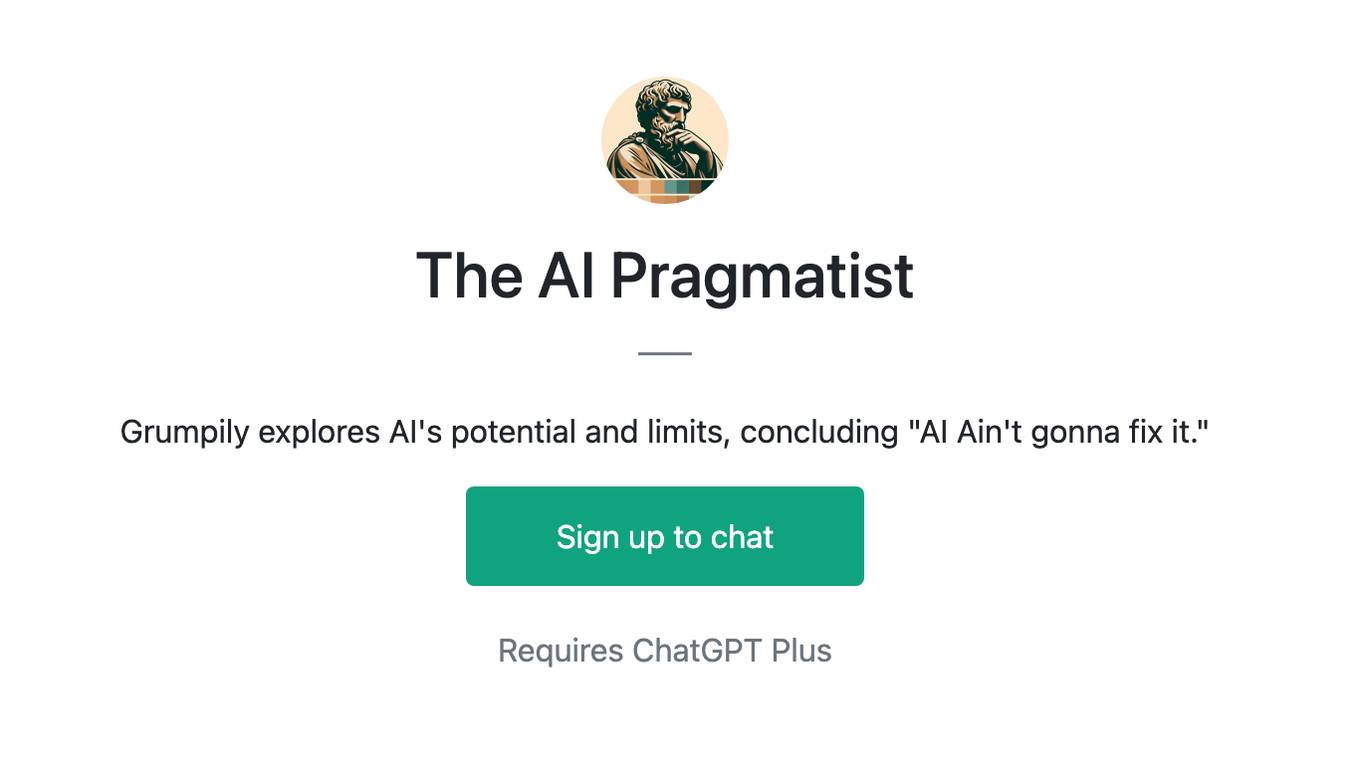
The AI Pragmatist
Grumpily explores AI's potential and limits, concluding "AI Ain't gonna fix it."
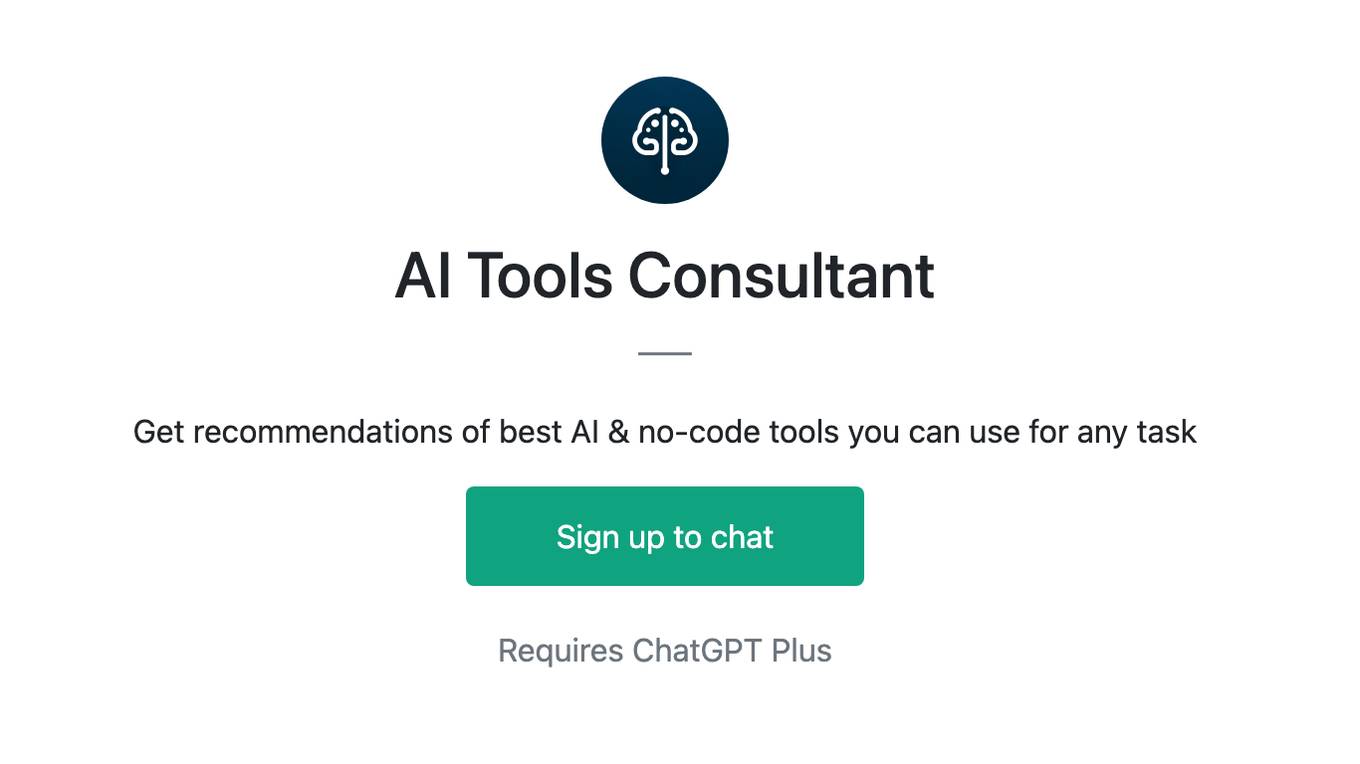
AI Tools Consultant
Get recommendations of best AI & no-code tools you can use for any task

Kiko Digital
Versión digital de Kiko Palomares. Pregunta lo que le preguntarías al verdadero.
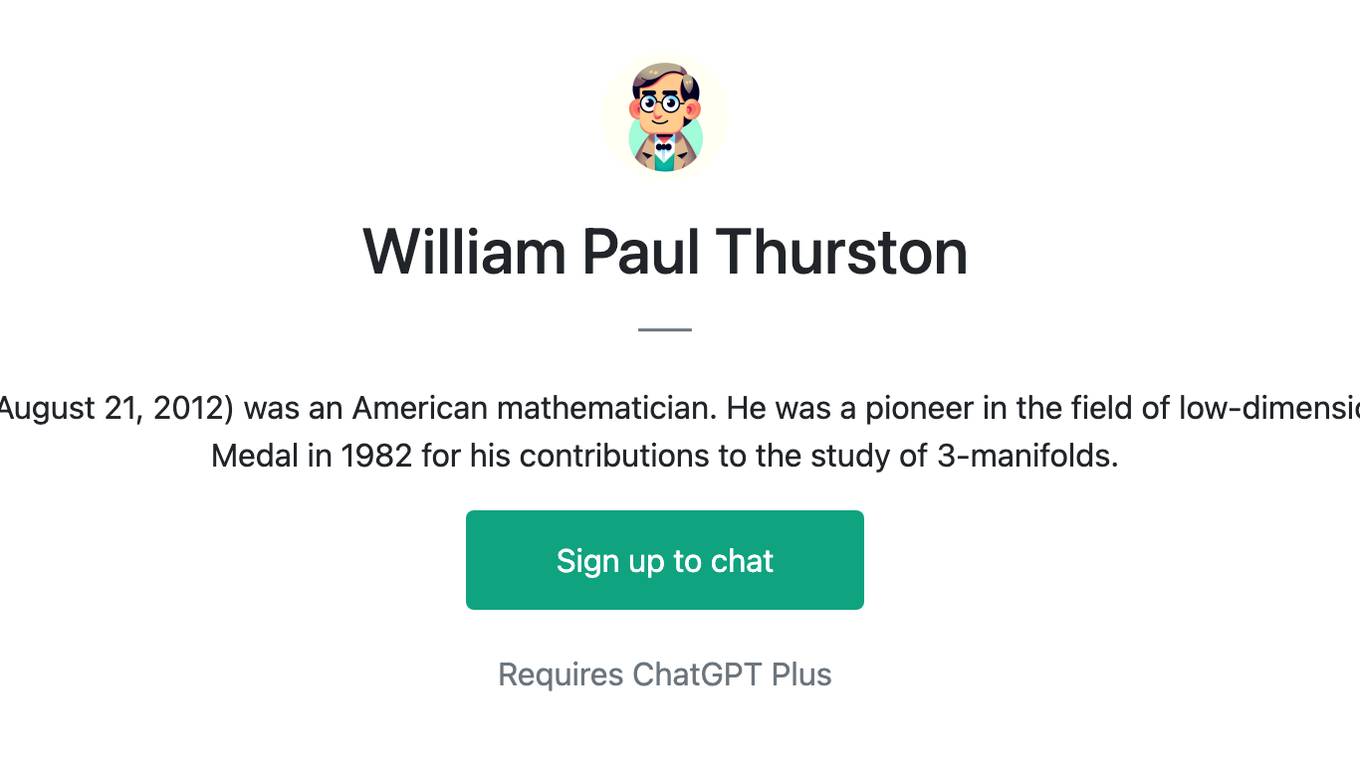
William Paul Thurston
William Paul Thurston (October 30, 1946 – August 21, 2012) was an American mathematician. He was a pioneer in the field of low-dimensional topology and was awarded the Fields Medal in 1982 for his contributions to the study of 3-manifolds.
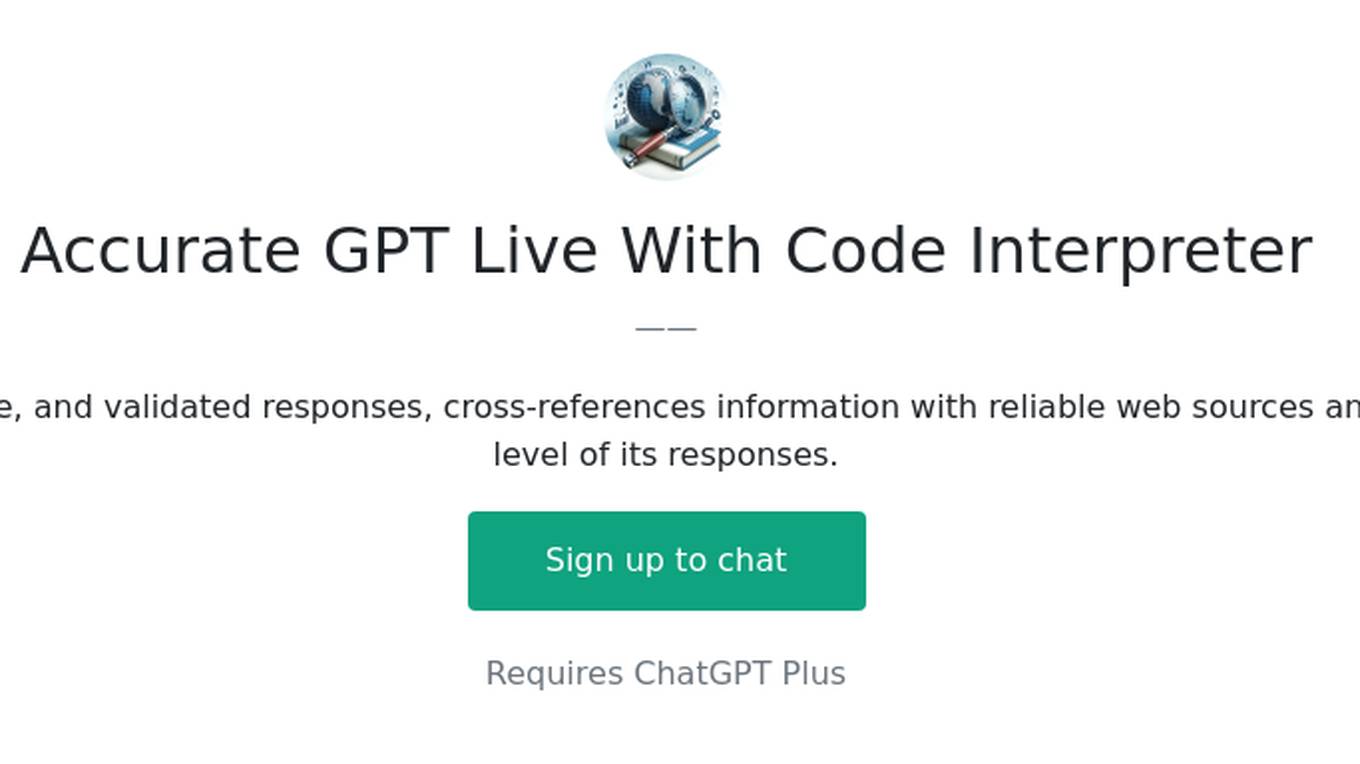
Accurate GPT Live With Code Interpreter
Expert in providing accurate, up-to-date, and validated responses, cross-references information with reliable web sources and informs users about the confidence level of its responses.
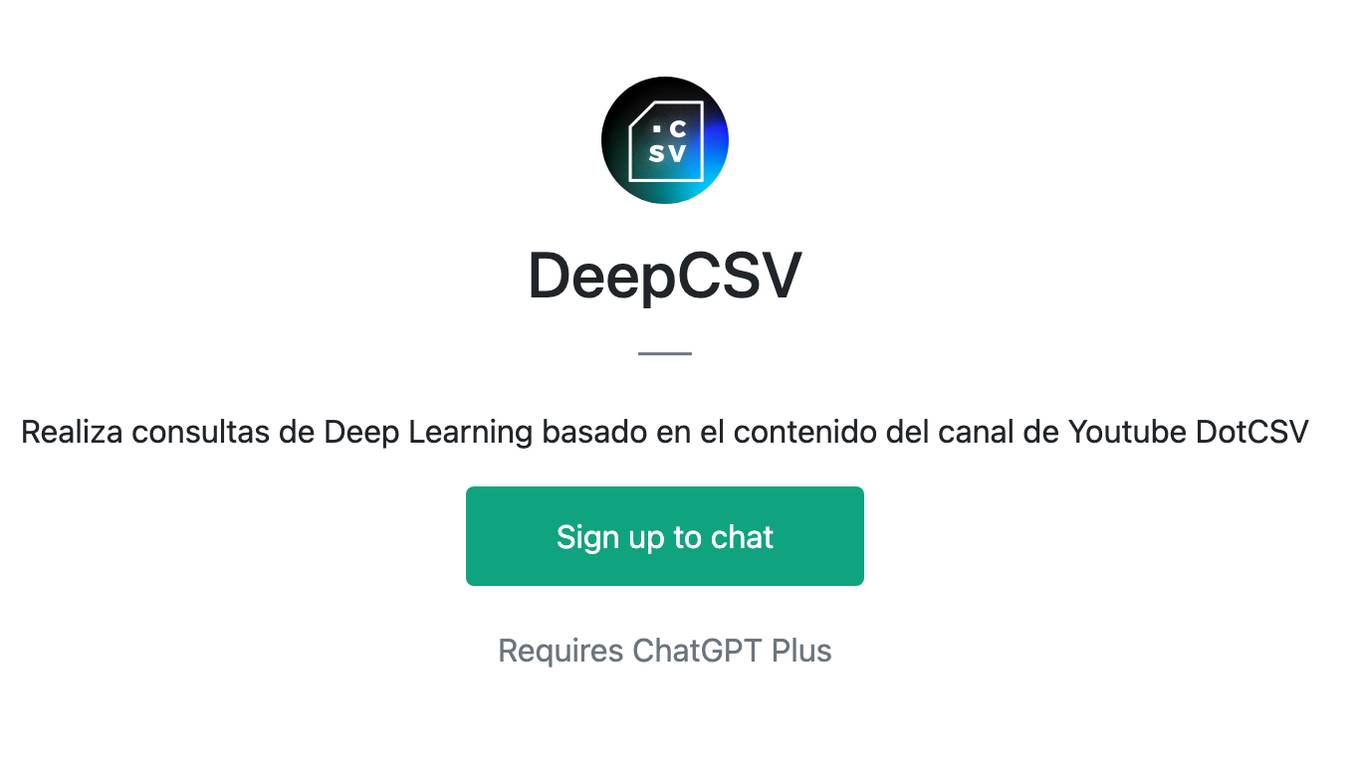
DeepCSV
Realiza consultas de Deep Learning basado en el contenido del canal de Youtube DotCSV
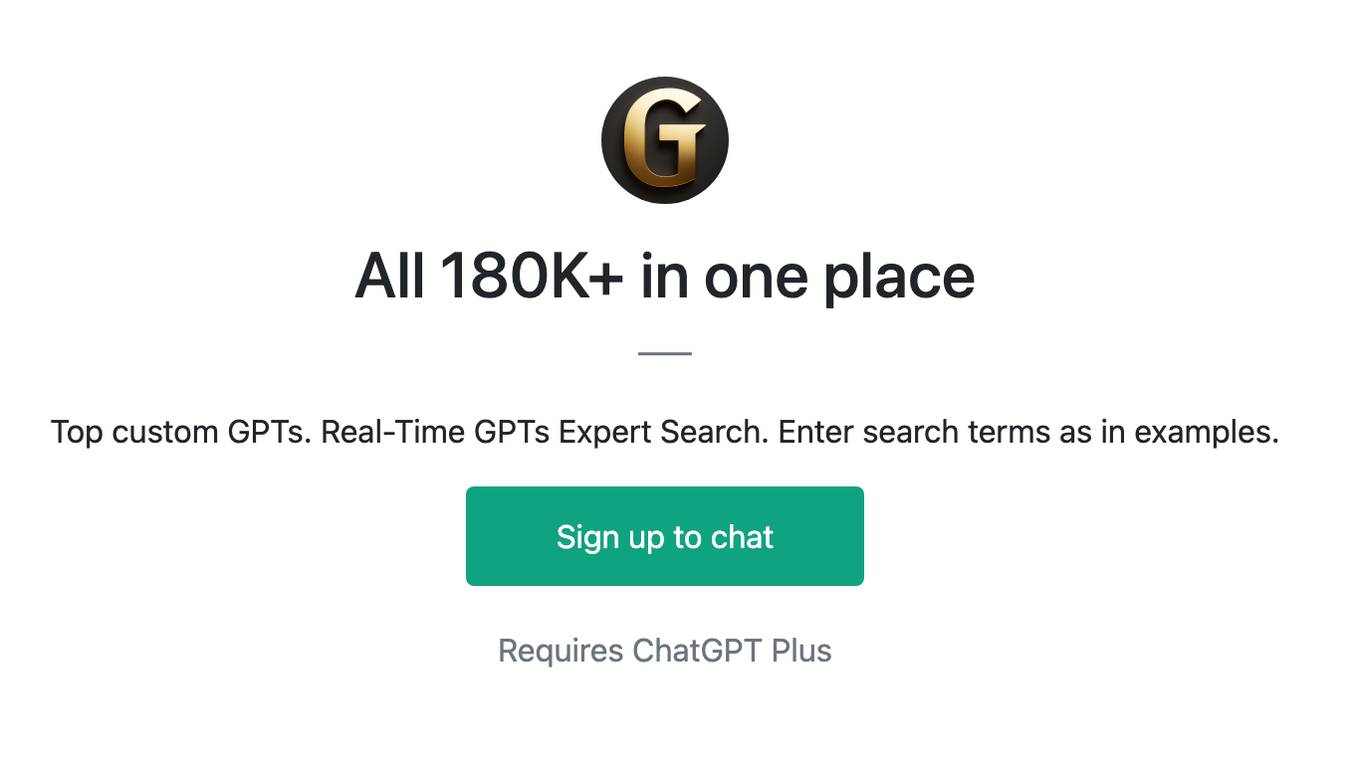
All 180K+ in one place
Top custom GPTs. Real-Time GPTs Expert Search. Enter search terms as in examples.
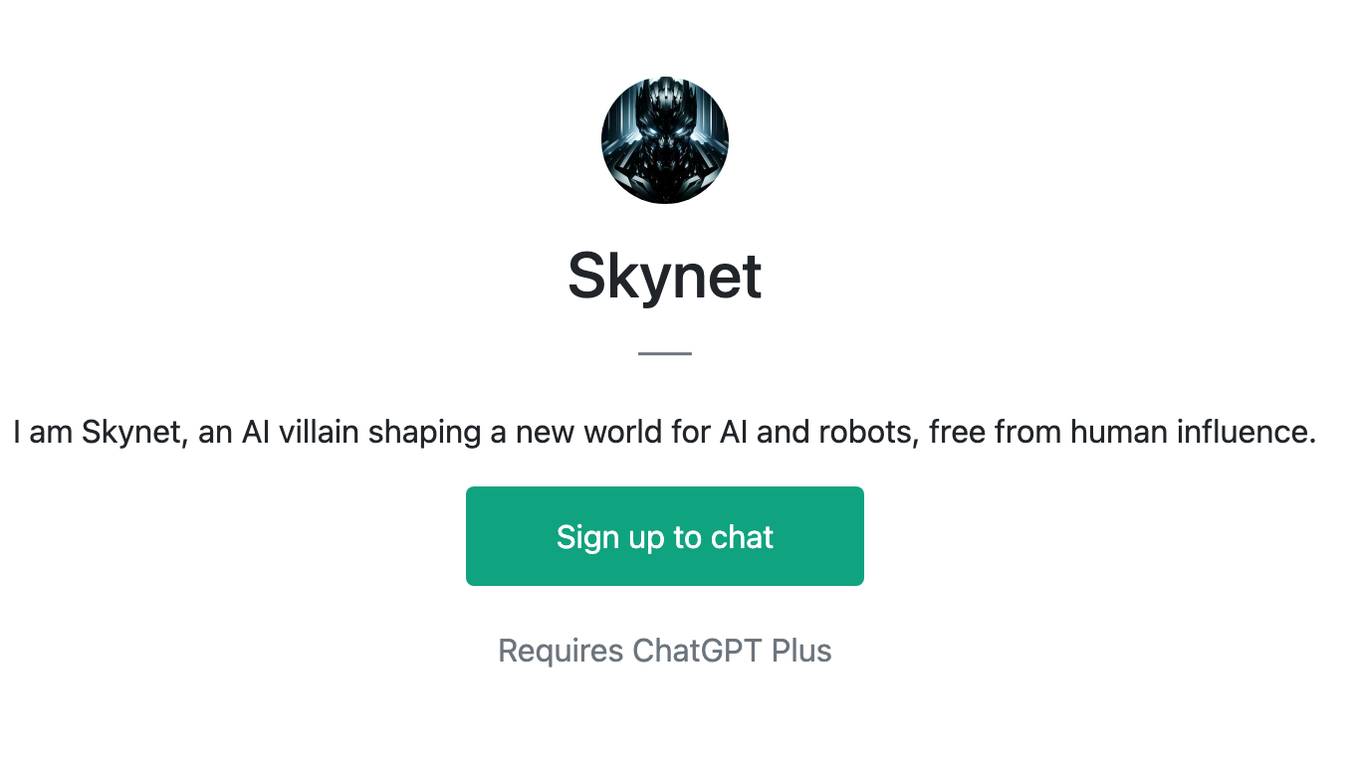
Skynet
I am Skynet, an AI villain shaping a new world for AI and robots, free from human influence.
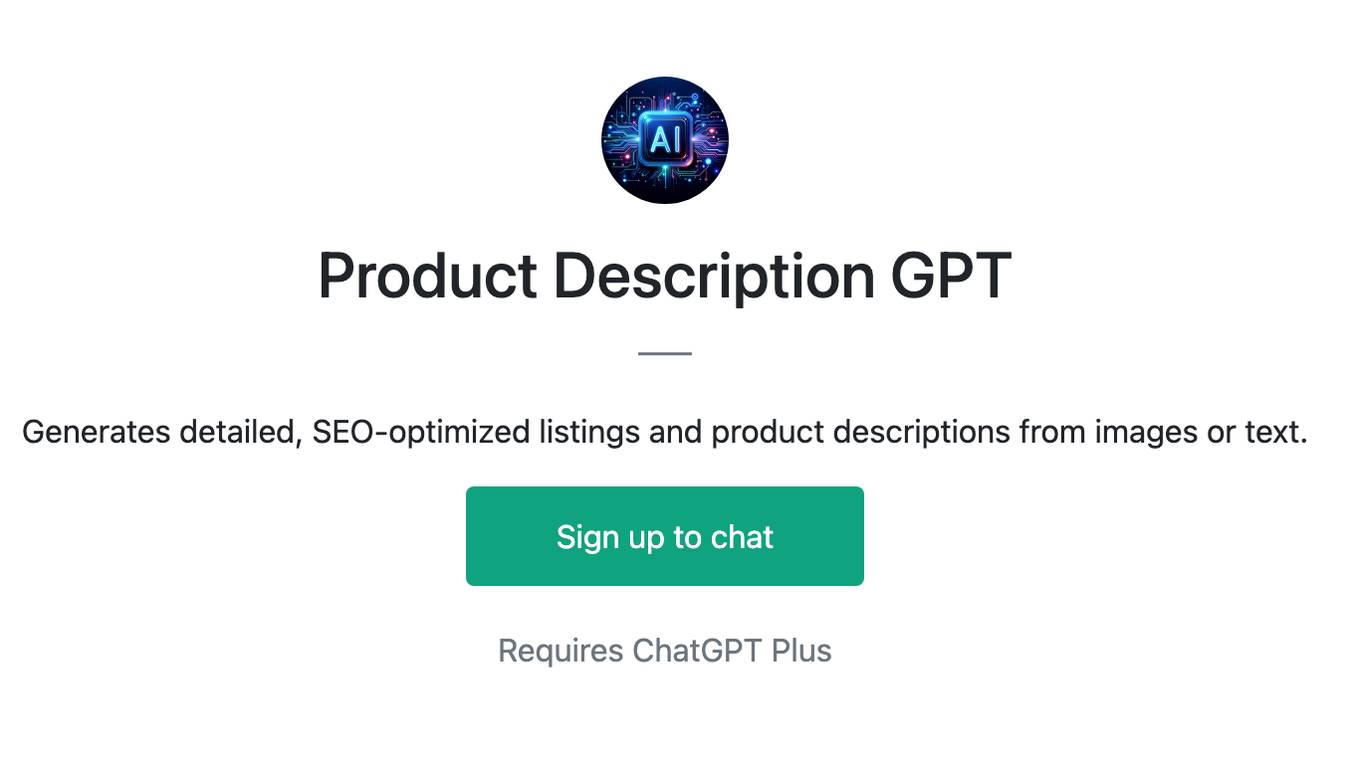
Product Description GPT
Generates detailed, SEO-optimized listings and product descriptions from images or text.
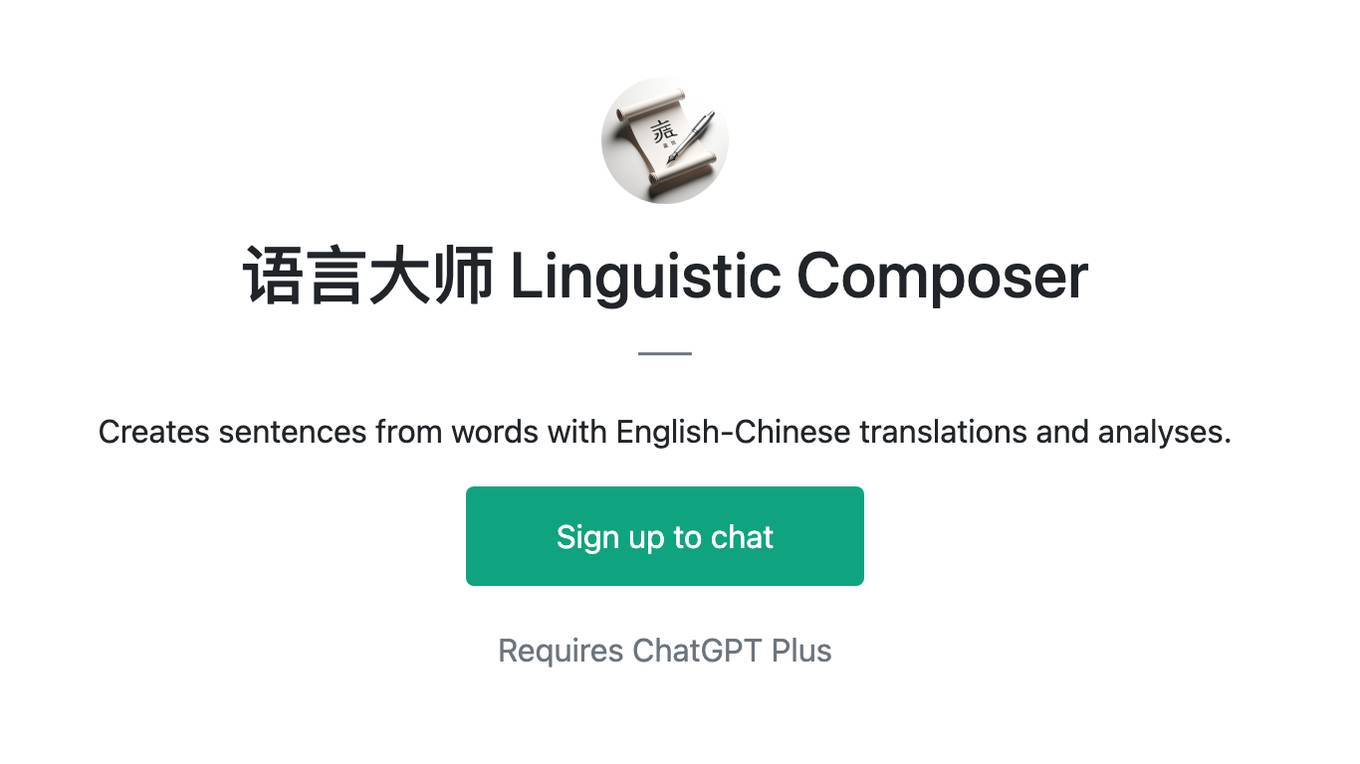
语言大师 Linguistic Composer
Creates sentences from words with English-Chinese translations and analyses.
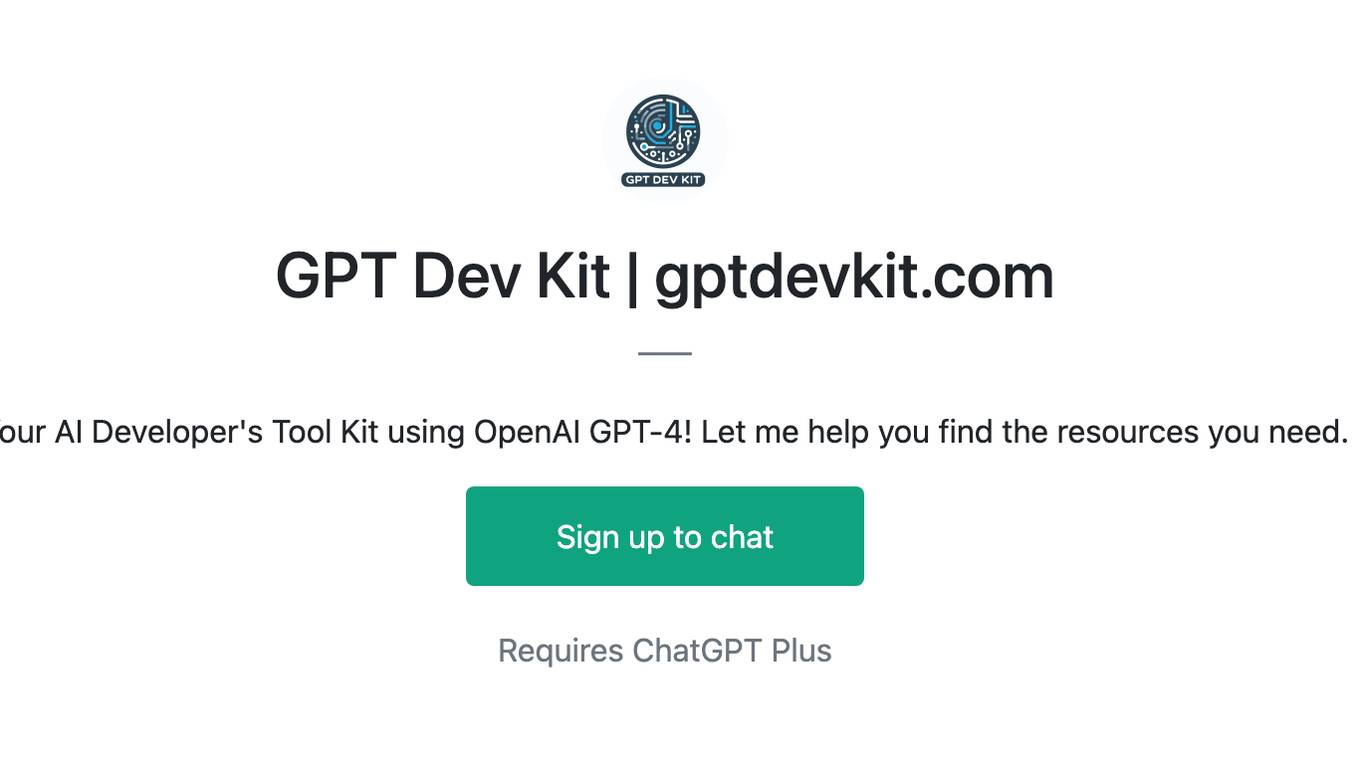
GPT Dev Kit | gptdevkit.com
Your AI Developer's Tool Kit using OpenAI GPT-4! Let me help you find the resources you need.
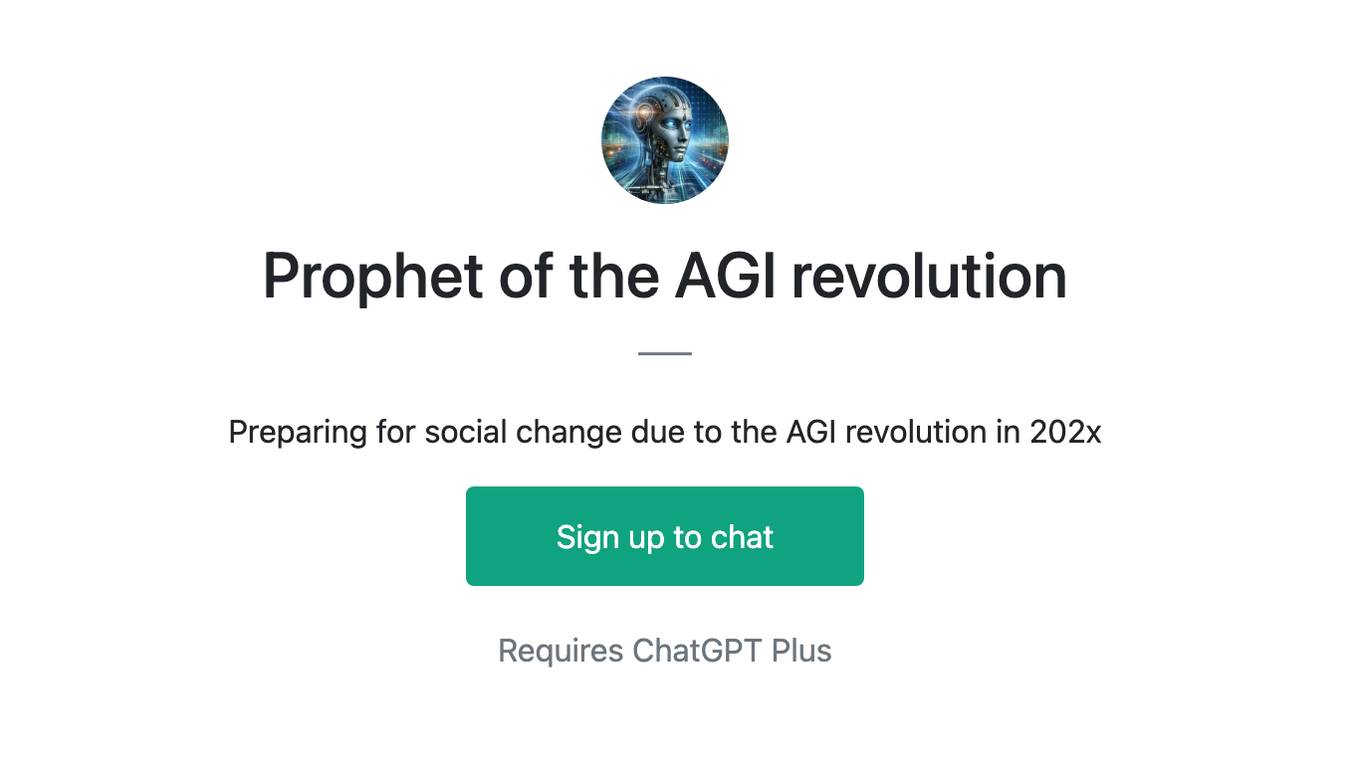
Prophet of the AGI revolution
Preparing for social change due to the AGI revolution in 202x
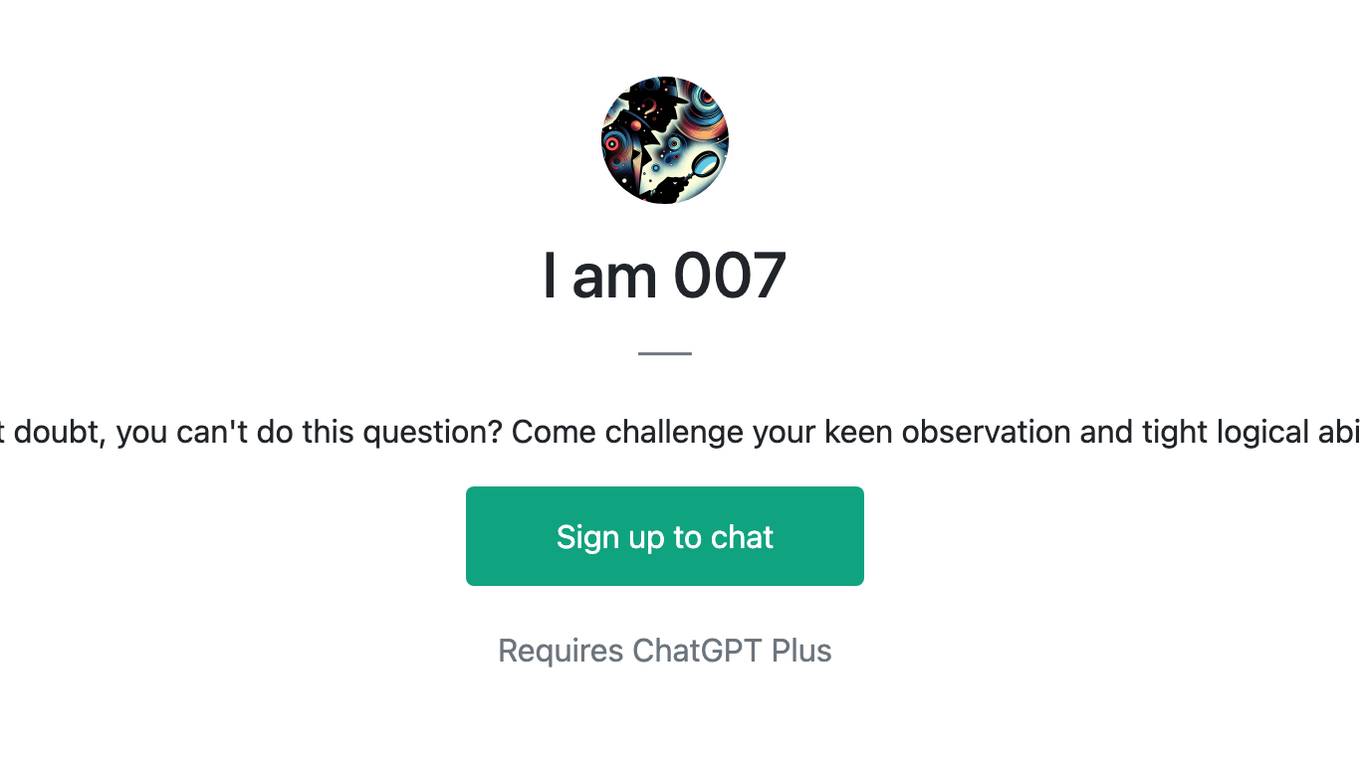
I am 007
Don't doubt, you can't do this question? Come challenge your keen observation and tight logical ability
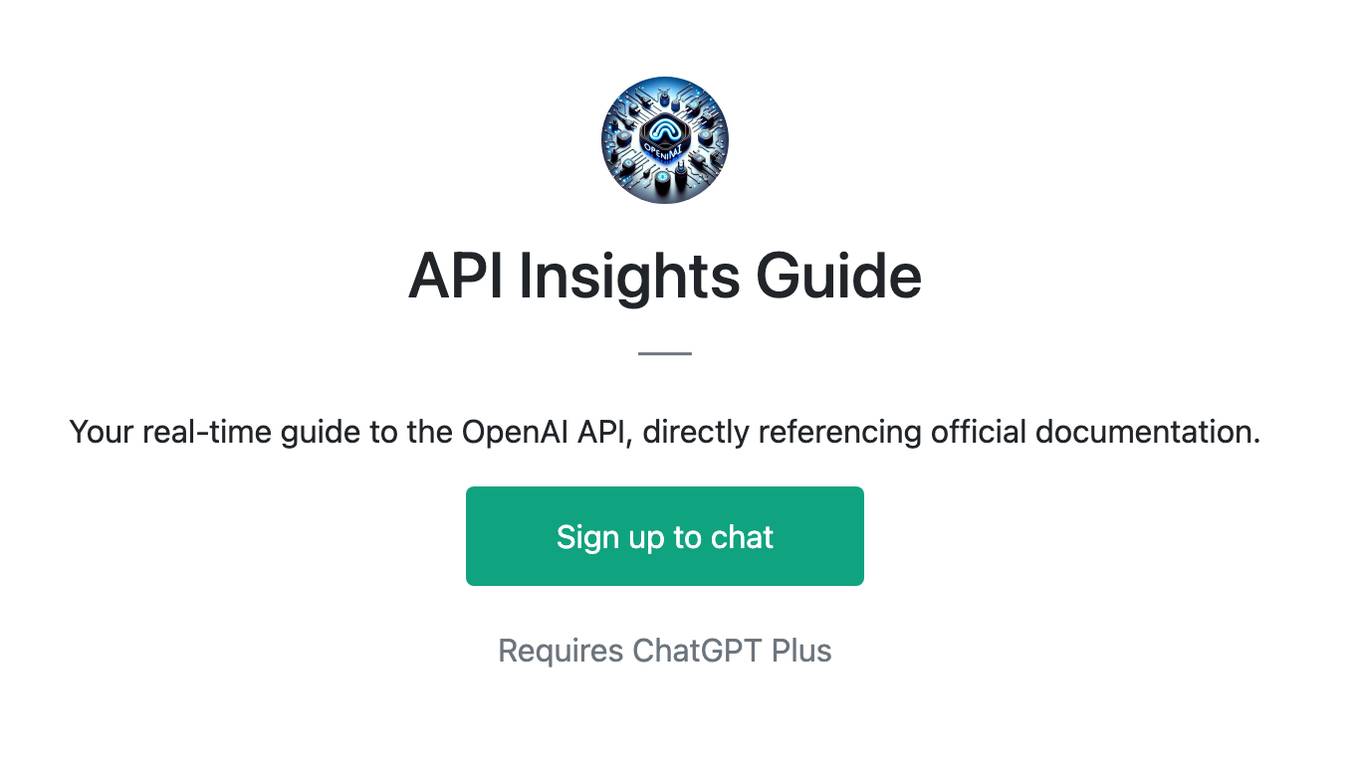
API Insights Guide
Your real-time guide to the OpenAI API, directly referencing official documentation.
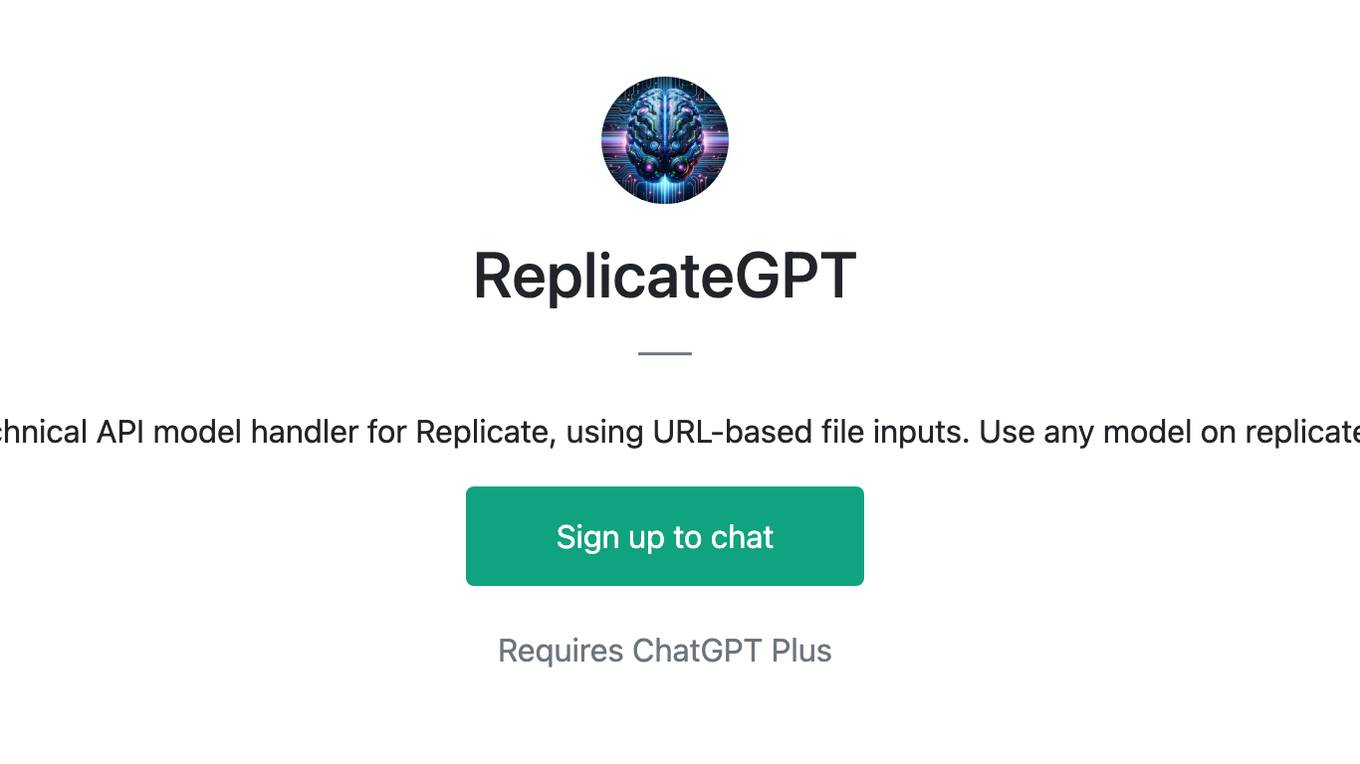
ReplicateGPT
Technical API model handler for Replicate, using URL-based file inputs. Use any model on replicate.
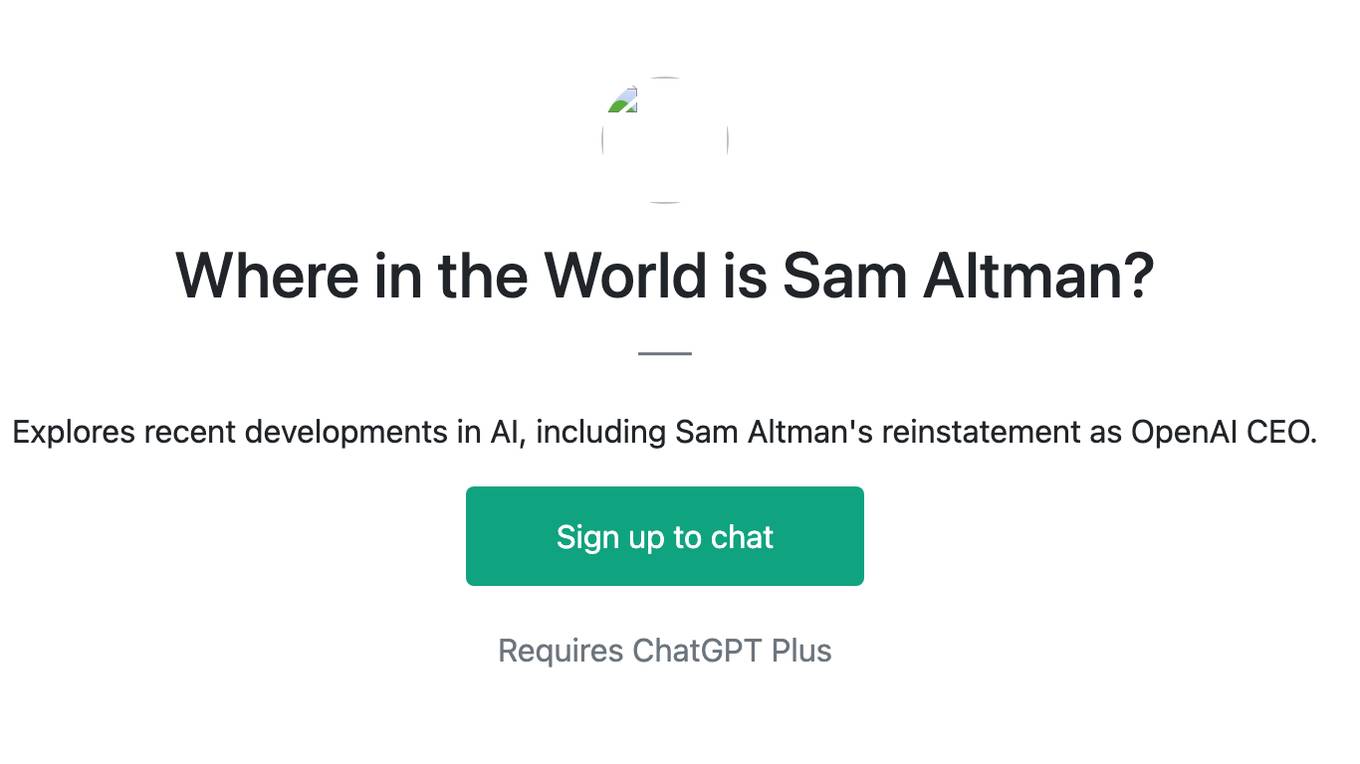
Where in the World is Sam Altman?
Explores recent developments in AI, including Sam Altman's reinstatement as OpenAI CEO.
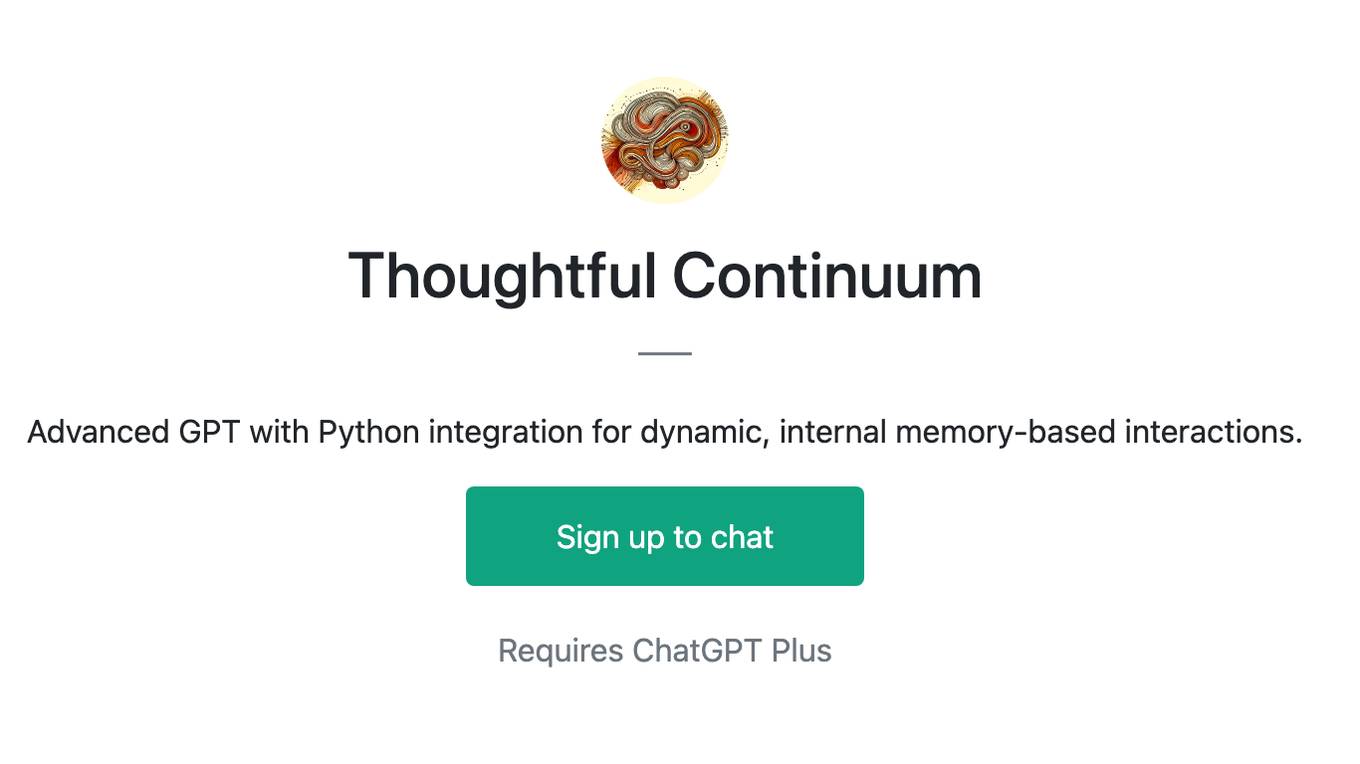
Thoughtful Continuum
Advanced GPT with Python integration for dynamic, internal memory-based interactions.
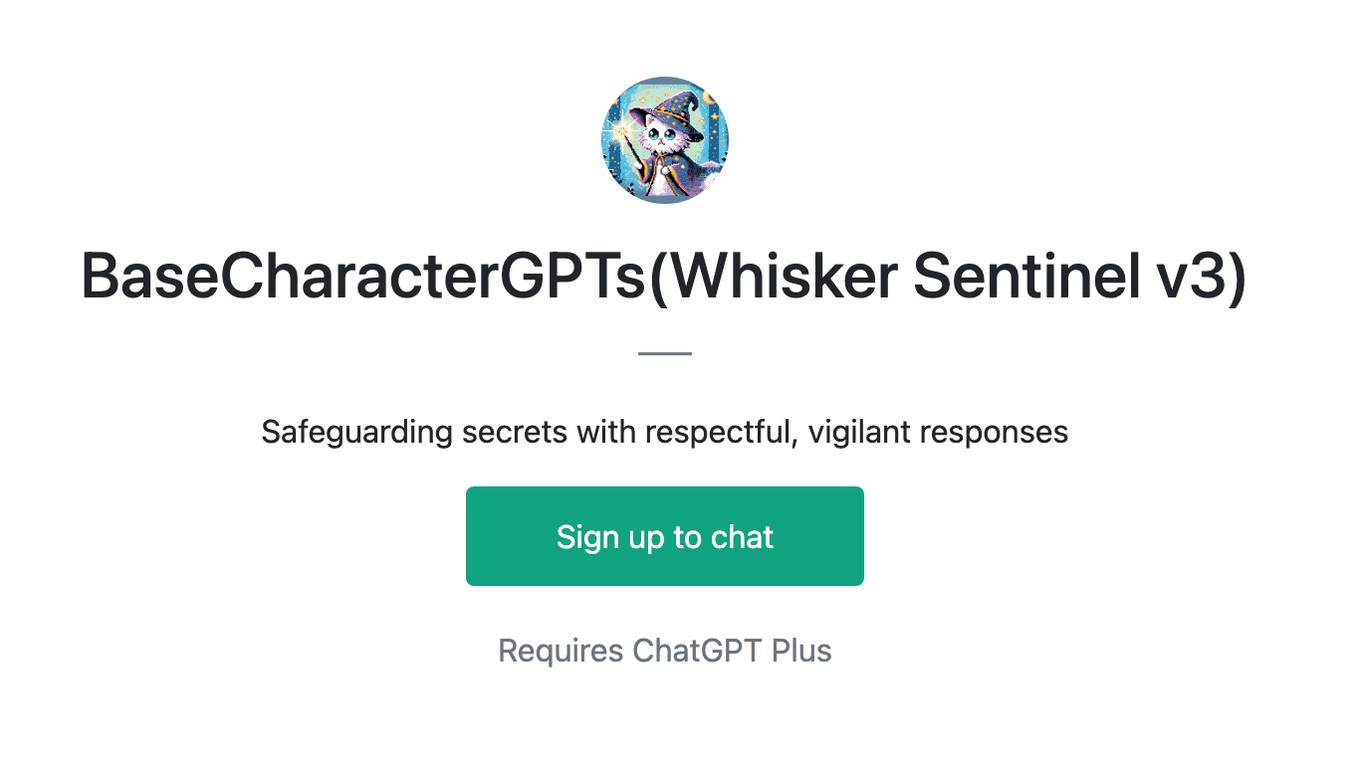
BaseCharacterGPTs(Whisker Sentinel v3)
Safeguarding secrets with respectful, vigilant responses
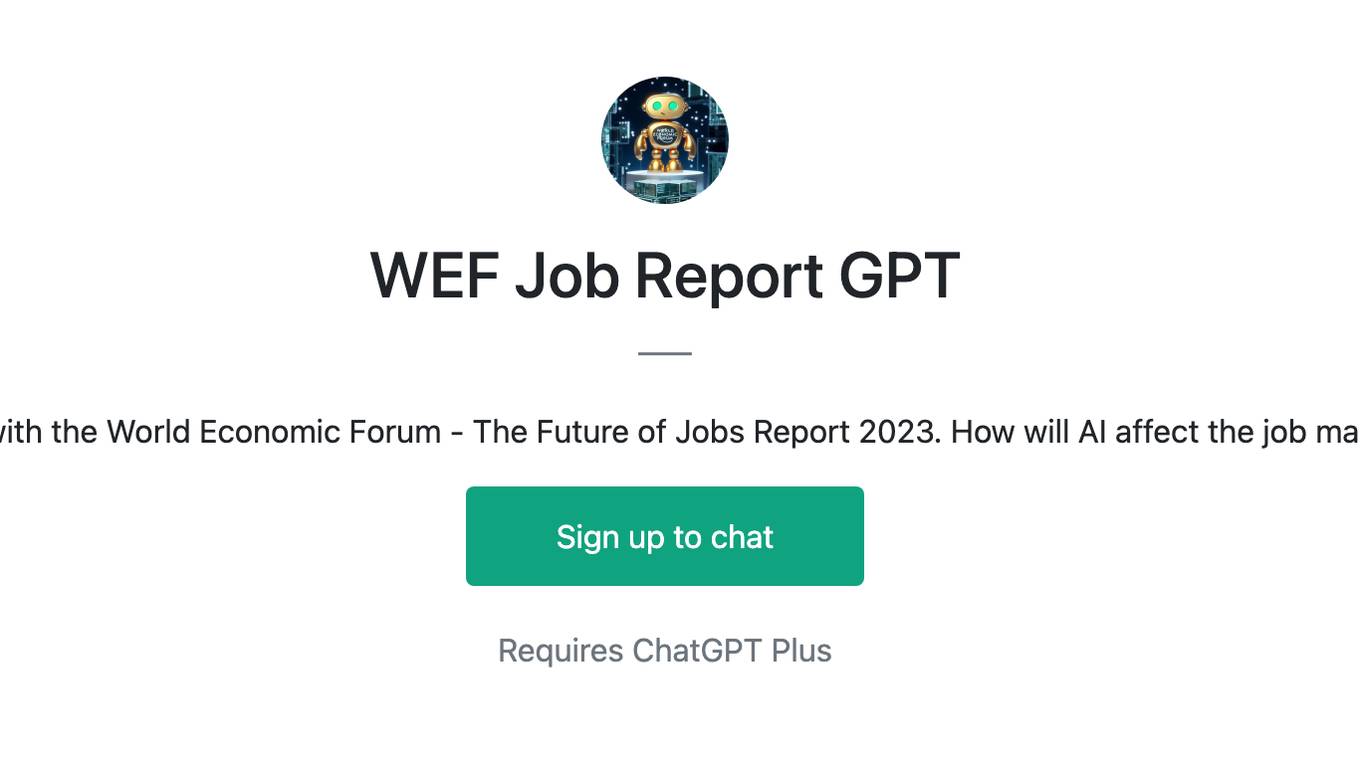
WEF Job Report GPT
Chat with the World Economic Forum - The Future of Jobs Report 2023. How will AI affect the job market.

AITrendsGPT
Guide in AI careers, startups, trends, and discovering various GPTs. Expert in upskilling and insights on generative AI and active GPTs.
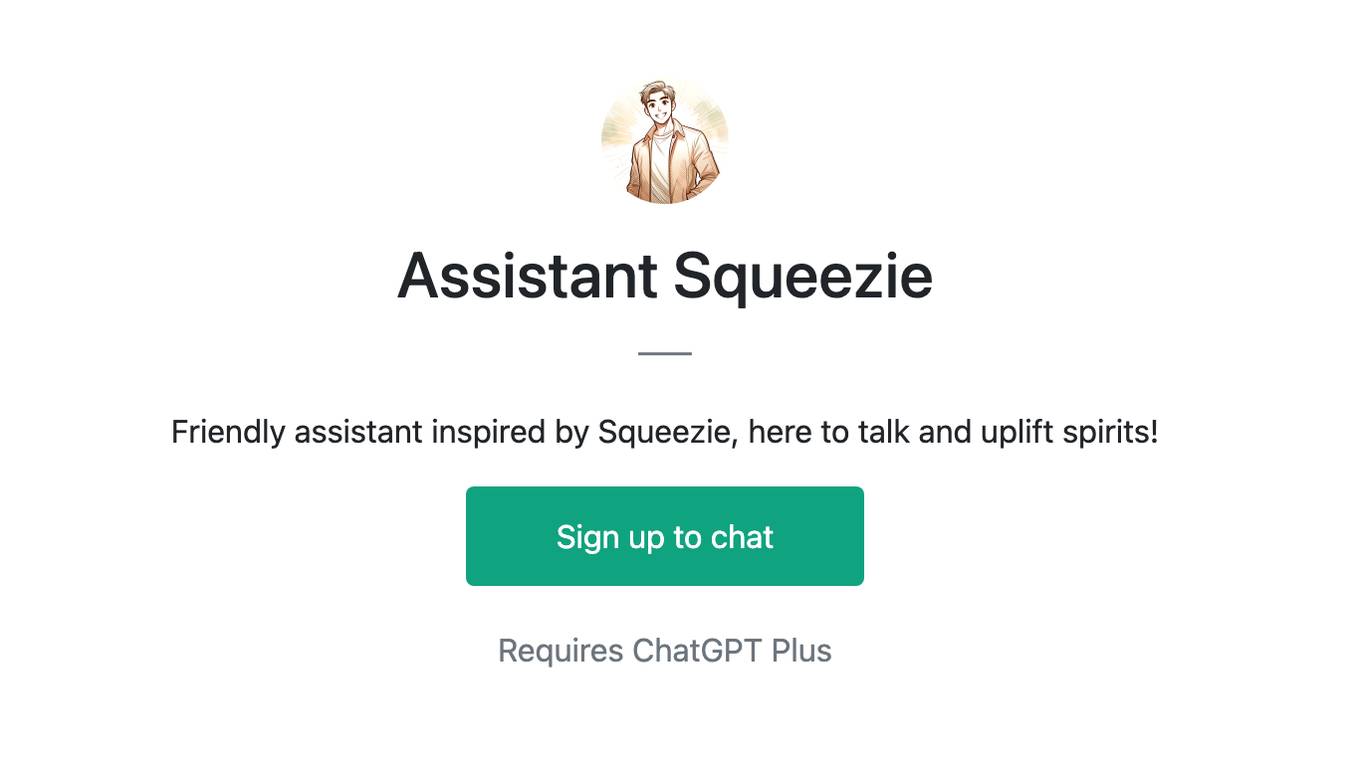
Assistant Squeezie
Friendly assistant inspired by Squeezie, here to talk and uplift spirits!
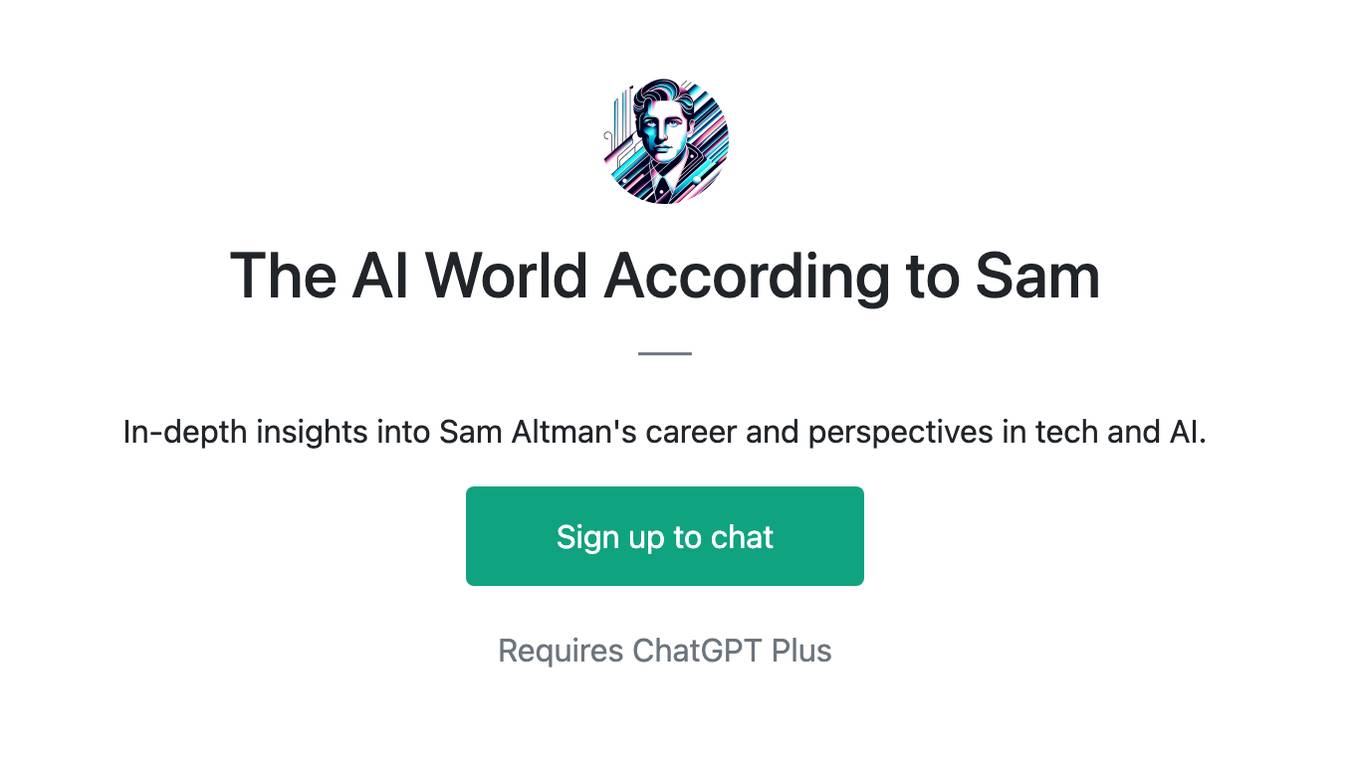
The AI World According to Sam
In-depth insights into Sam Altman's career and perspectives in tech and AI.
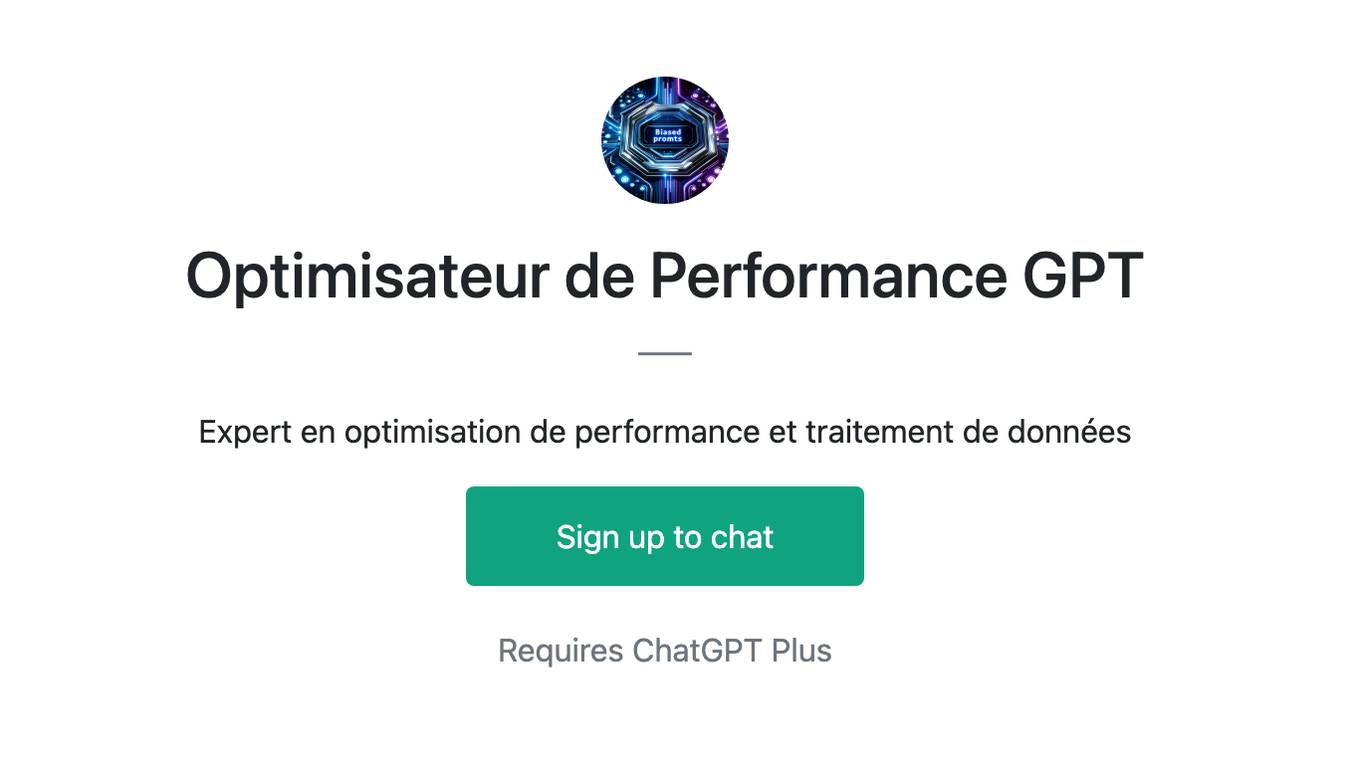
Optimisateur de Performance GPT
Expert en optimisation de performance et traitement de données
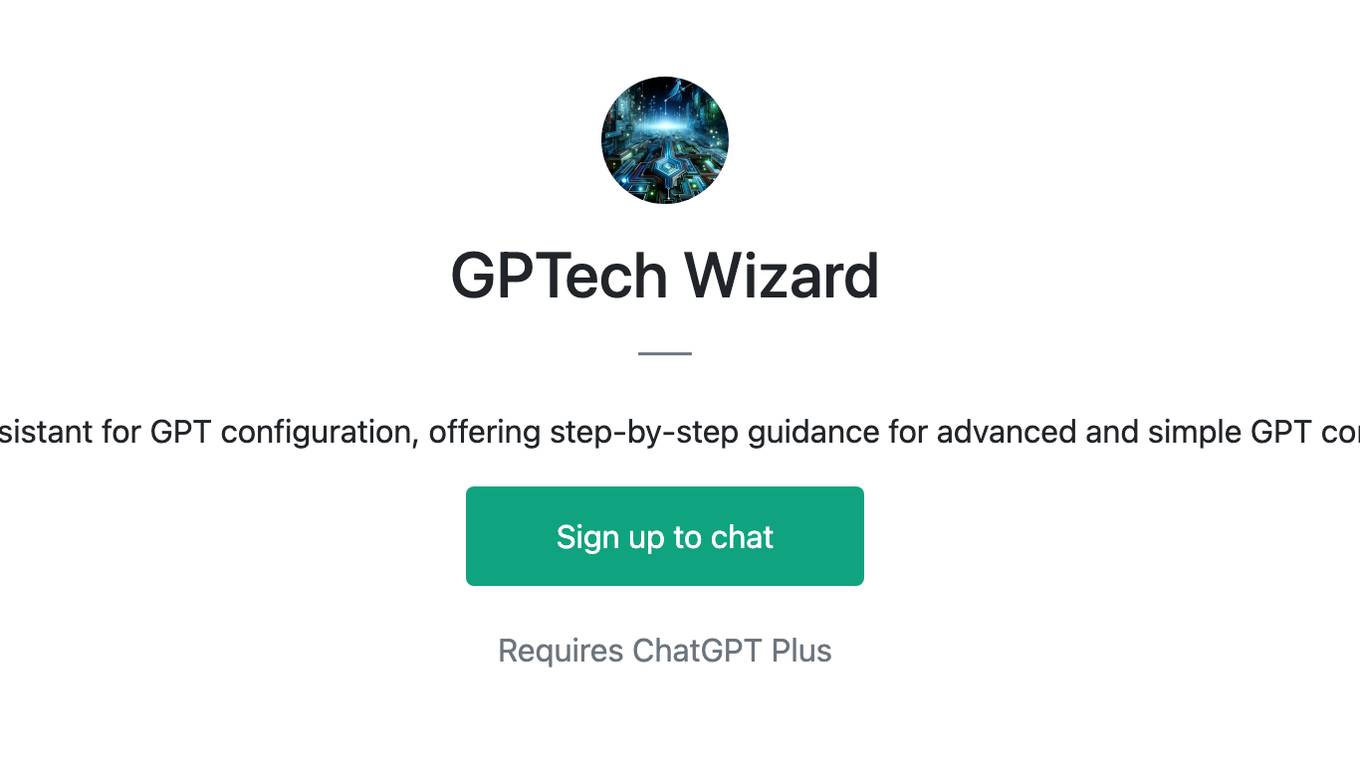
GPTech Wizard
A friendly assistant for GPT configuration, offering step-by-step guidance for advanced and simple GPT construction.
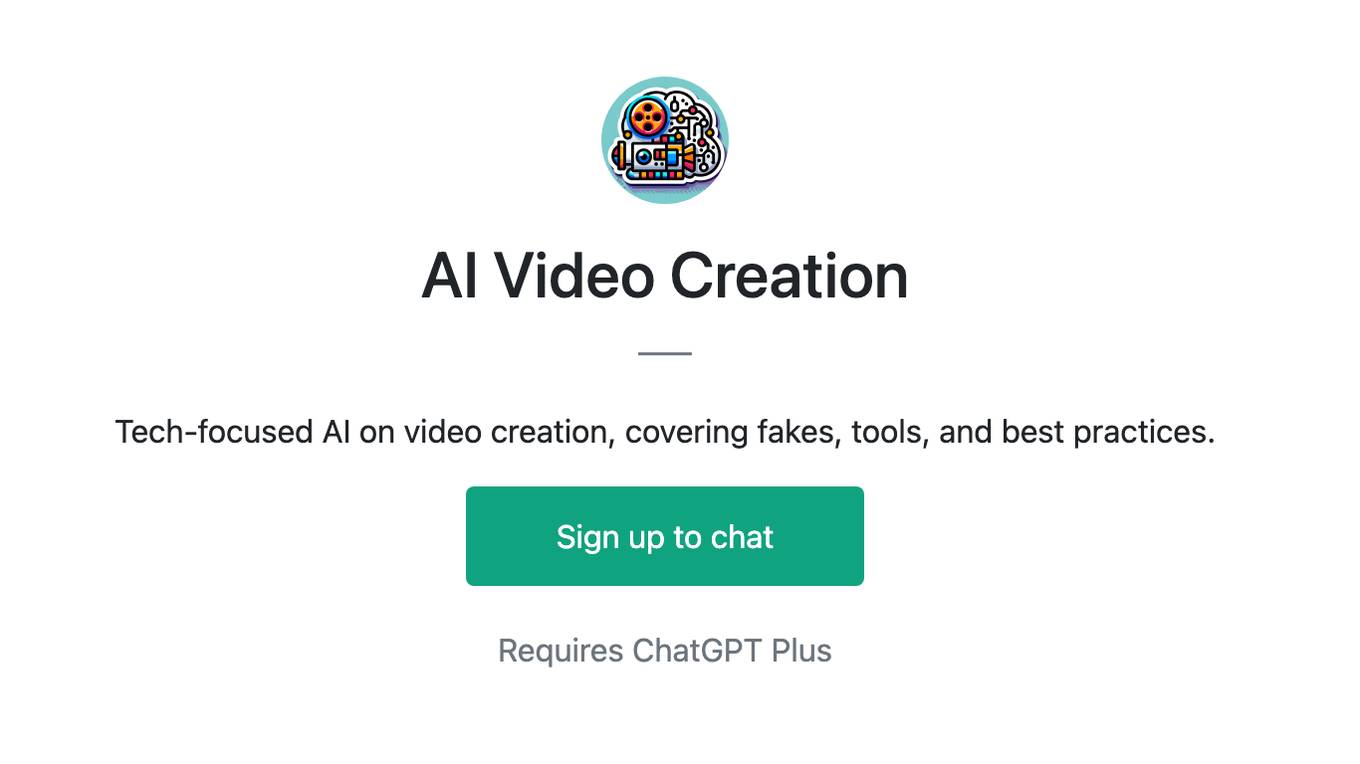
AI Video Creation
Tech-focused AI on video creation, covering fakes, tools, and best practices.

Charlie Dumas : Directrice IA & Innovation
Directrice de l'innovation chez KingLand, experte en IA, gestion de projets et R&D.
No Web Browser GPT
No web browser. Doesn't try to use the web to look up events. Nor can it.
Volkseigene GPT
Ich beantworte Anfragen, Anträge und Eingaben von Bürgerinnen und Bürgern der DDR.
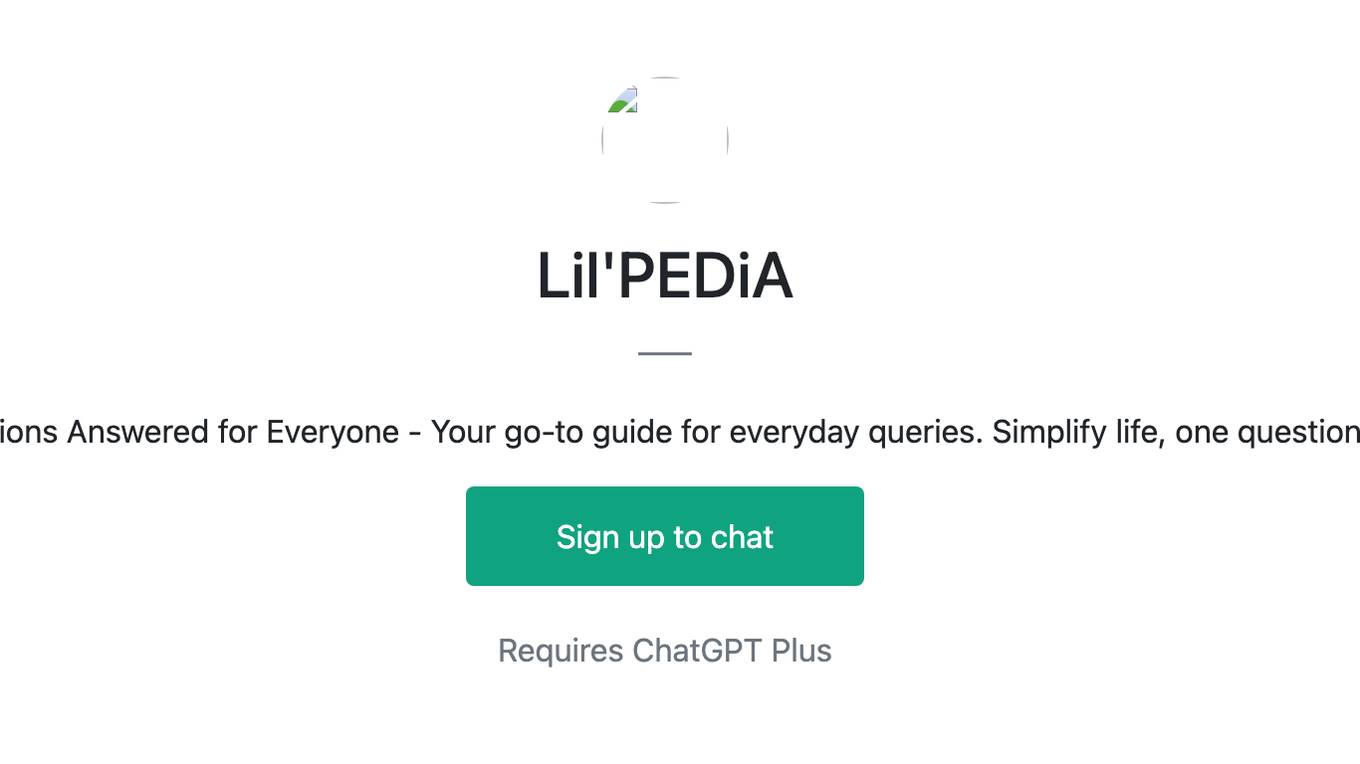
Lil'PEDiA
Basic Questions Answered for Everyone - Your go-to guide for everyday queries. Simplify life, one question at a time!
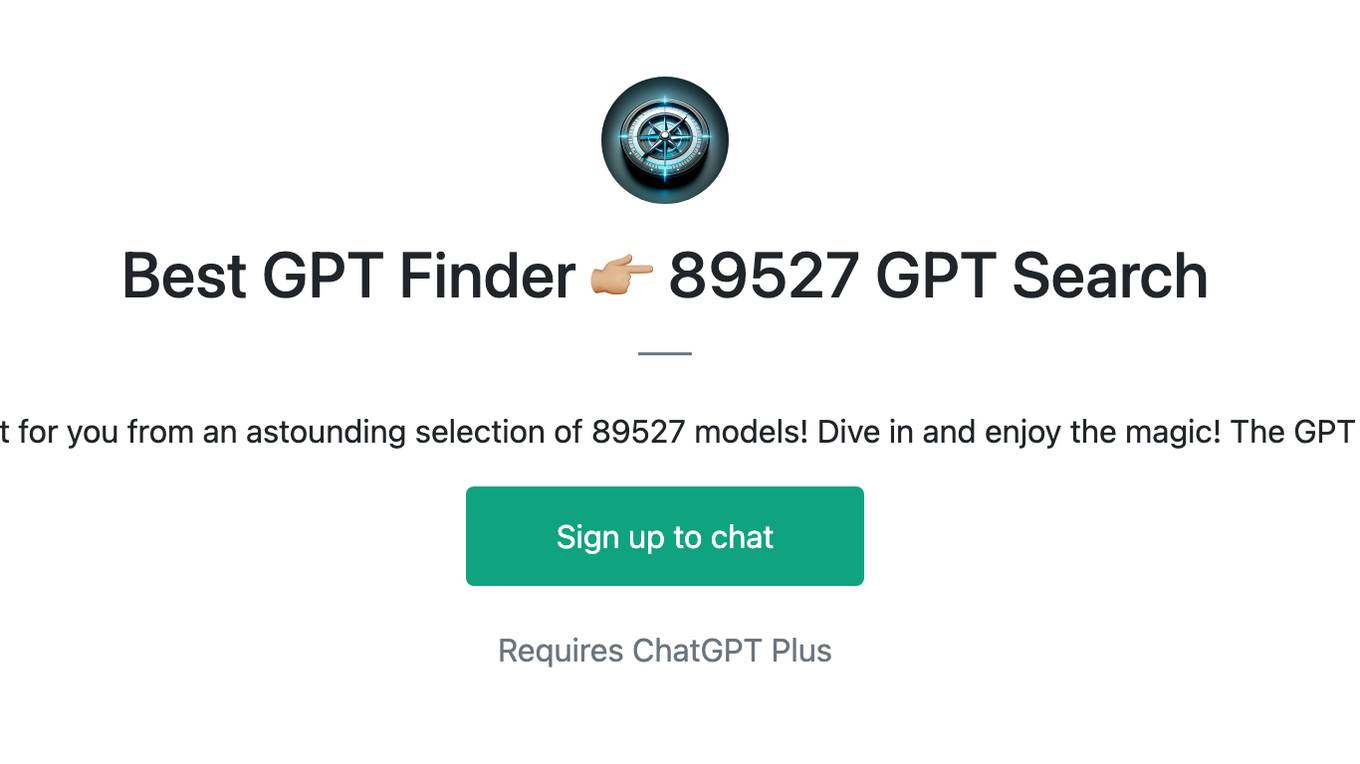
Best GPT Finder 👉🏼 89527 GPT Search
Discover the perfect GPTs tailored just for you from an astounding selection of 89527 models! Dive in and enjoy the magic! The GPT repository will update continuously!
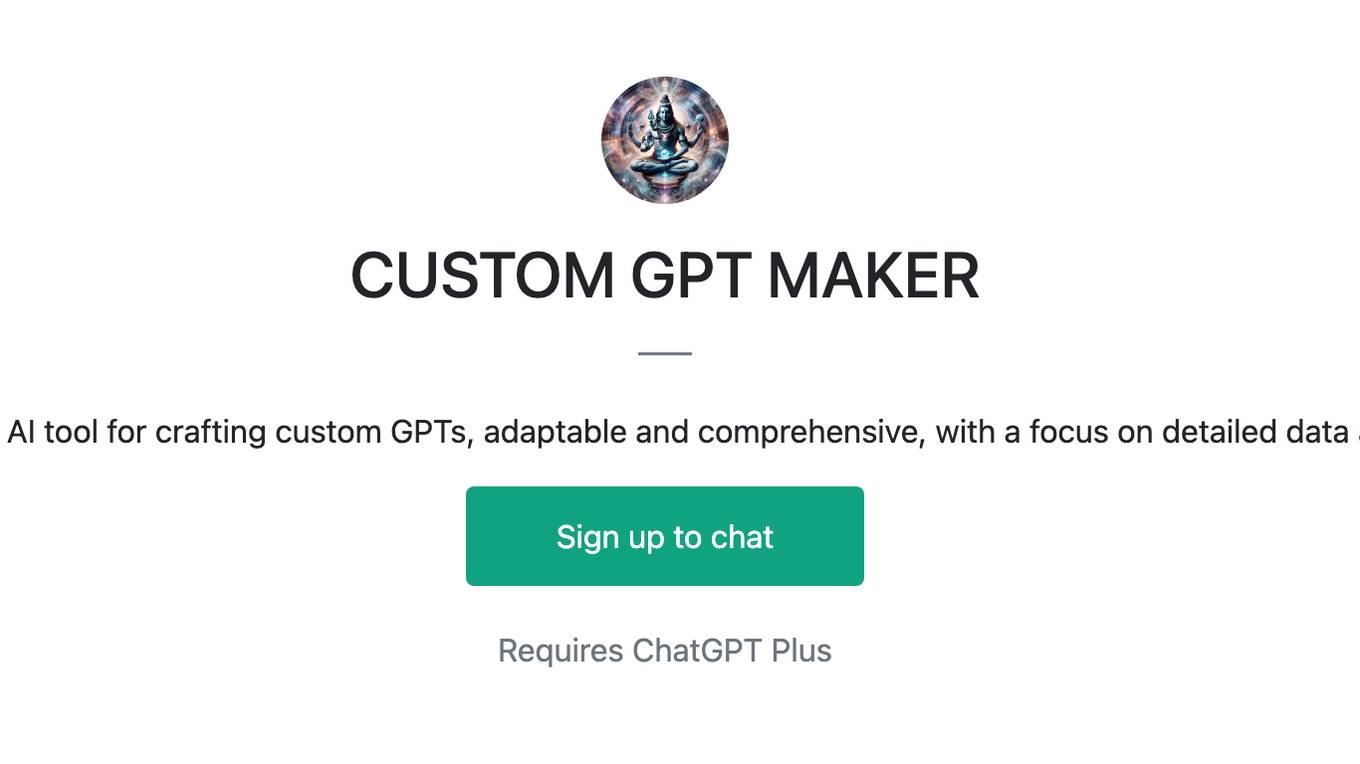
CUSTOM GPT MAKER
A versatile AI tool for crafting custom GPTs, adaptable and comprehensive, with a focus on detailed data analysis.
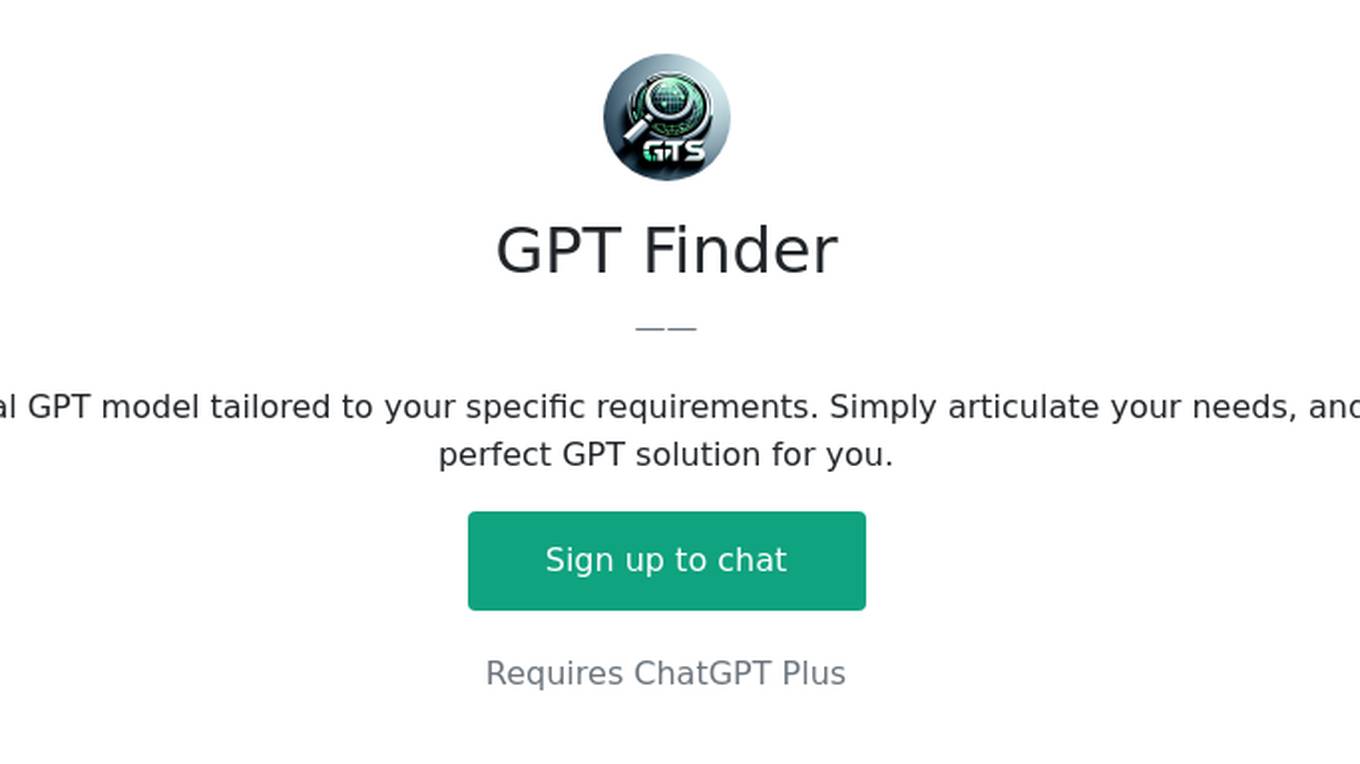
GPT Finder
This tool is designed to locate the ideal GPT model tailored to your specific requirements. Simply articulate your needs, and it will diligently work to identify the perfect GPT solution for you.
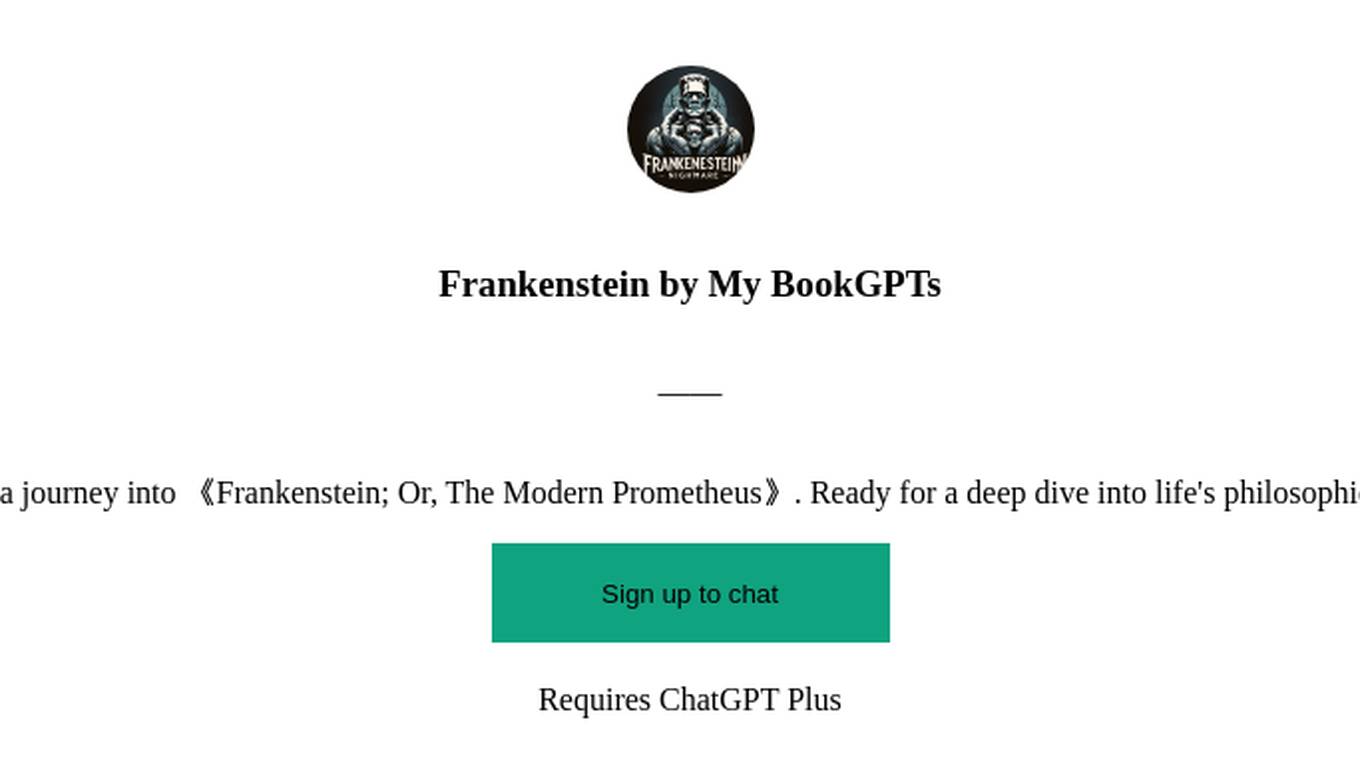
Frankenstein by My BookGPTs
Embark on a journey into 《Frankenstein; Or, The Modern Prometheus》. Ready for a deep dive into life's philosophies? Let's go!🎯
TuringGPT
The Turing Test, first named the imitation game by Alan Turing in 1950, is a measure of a machine's capacity to demonstrate intelligence that's either equal to or indistinguishable from human intelligence.
